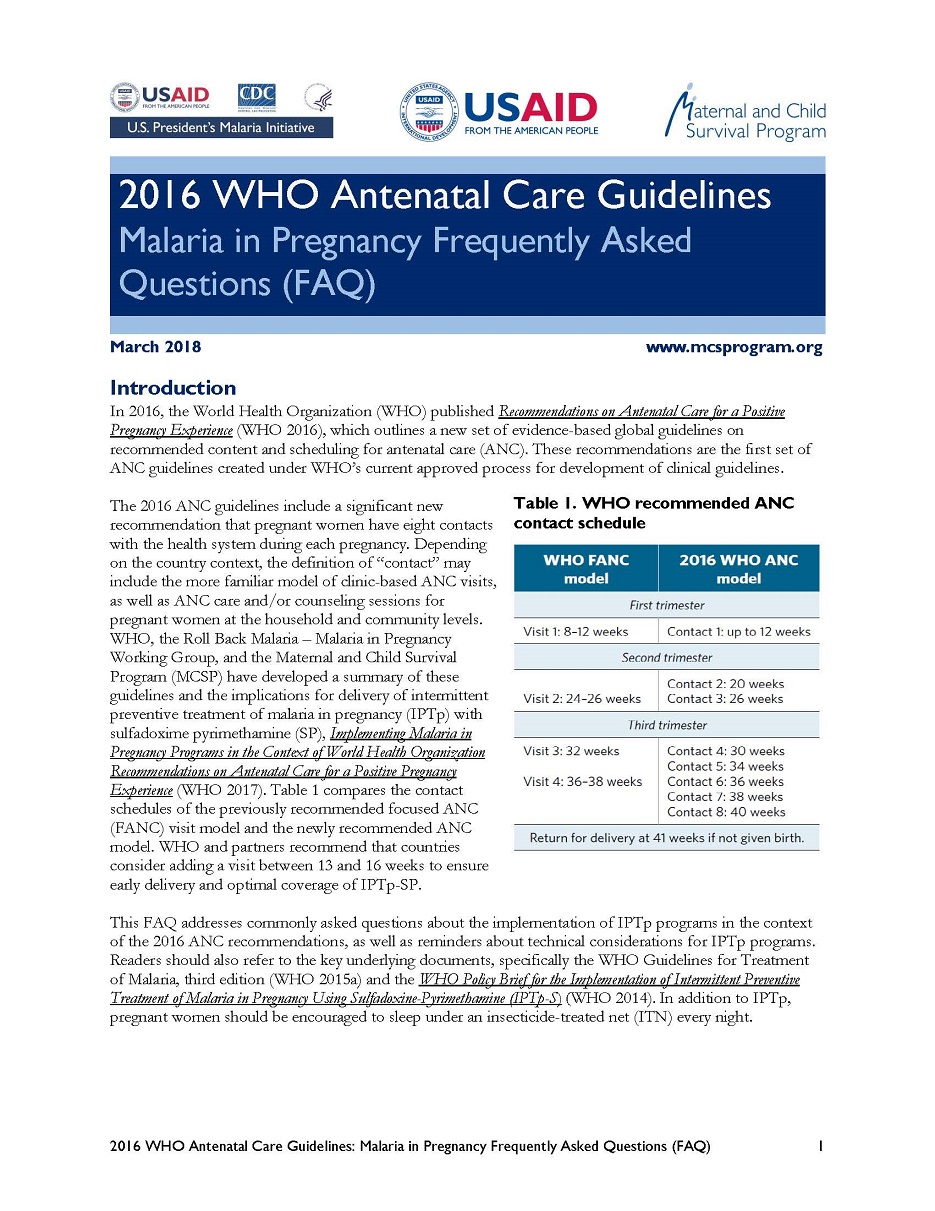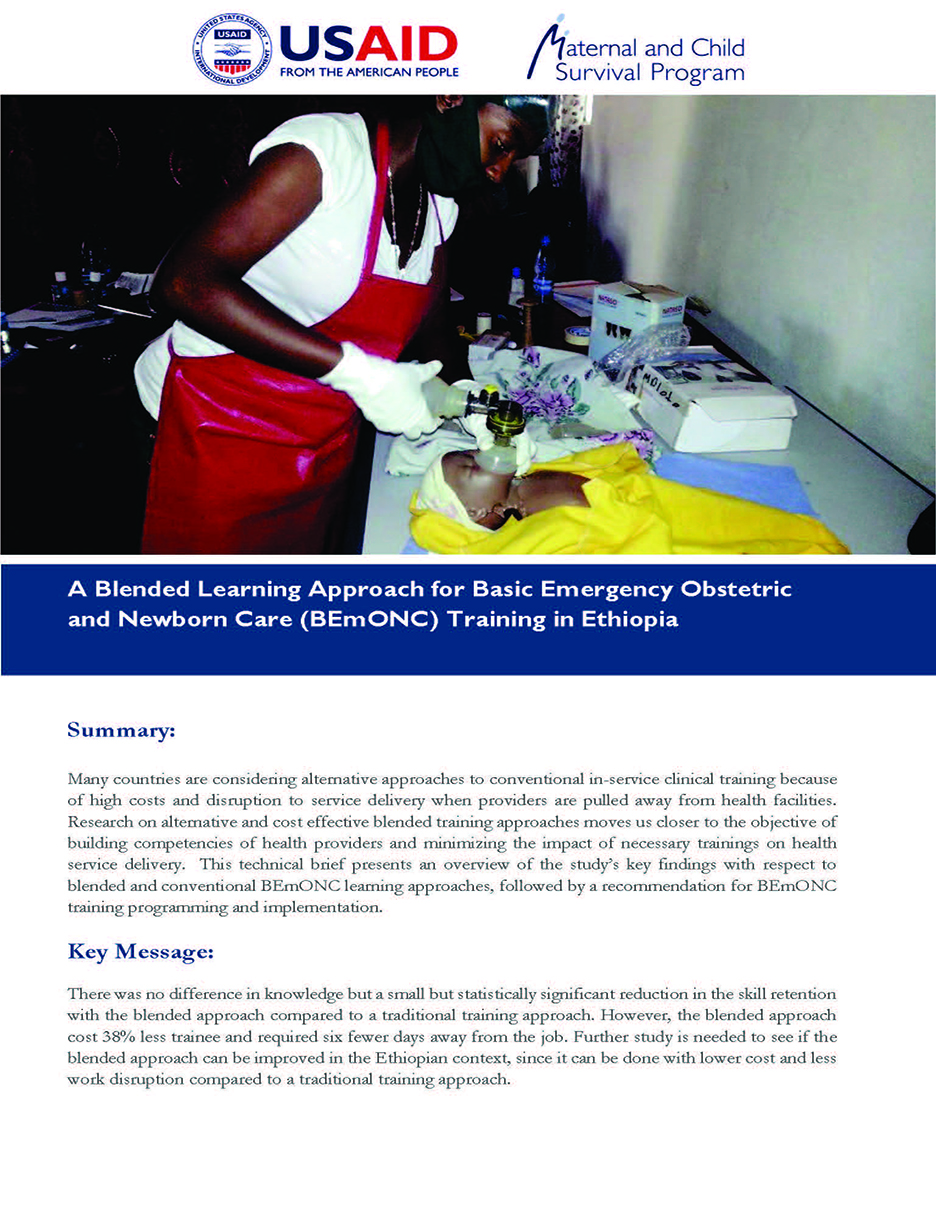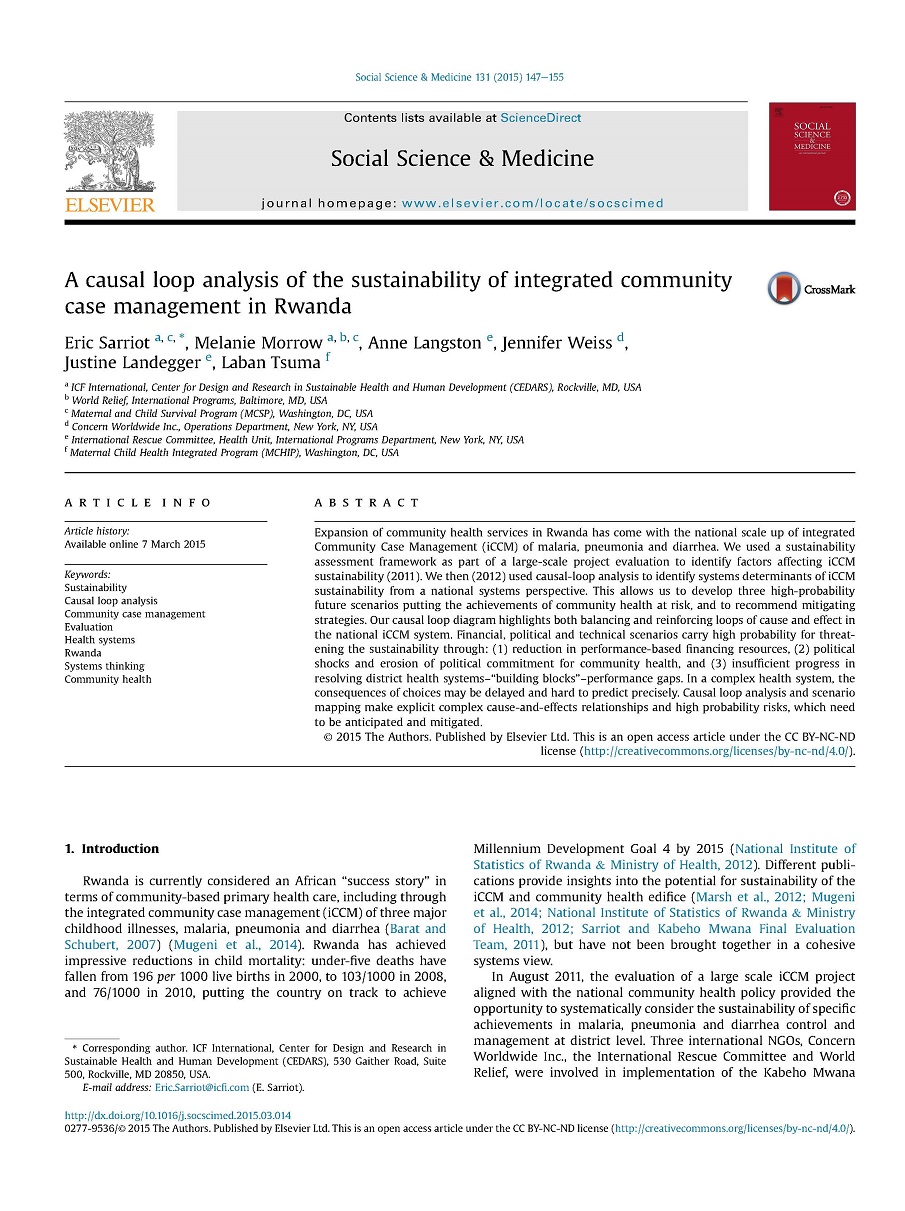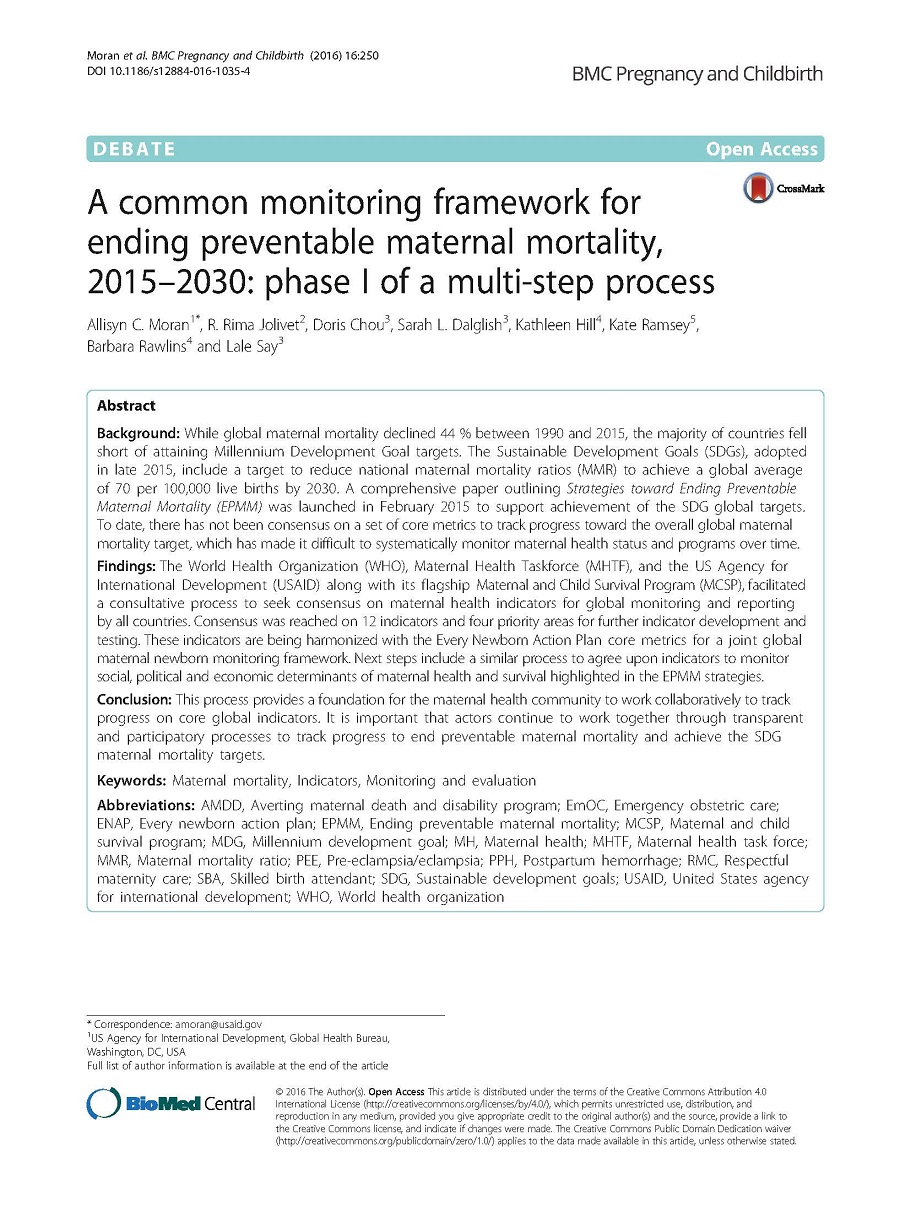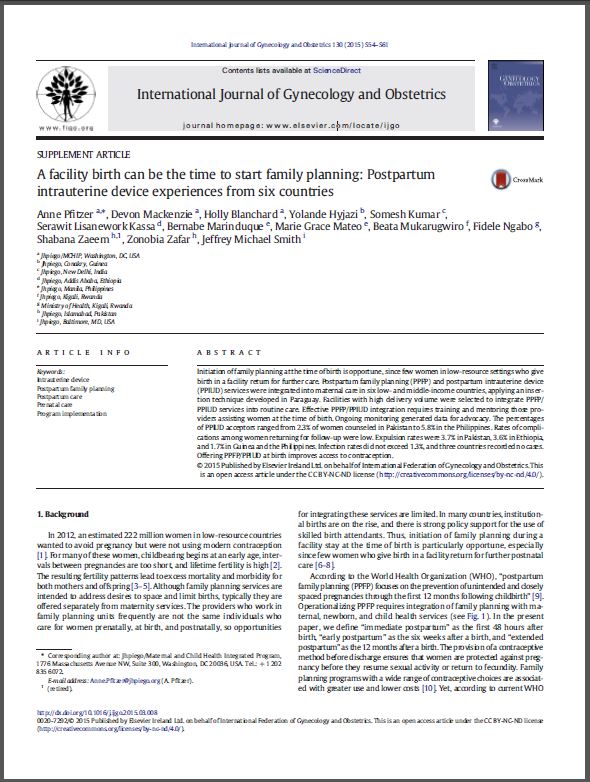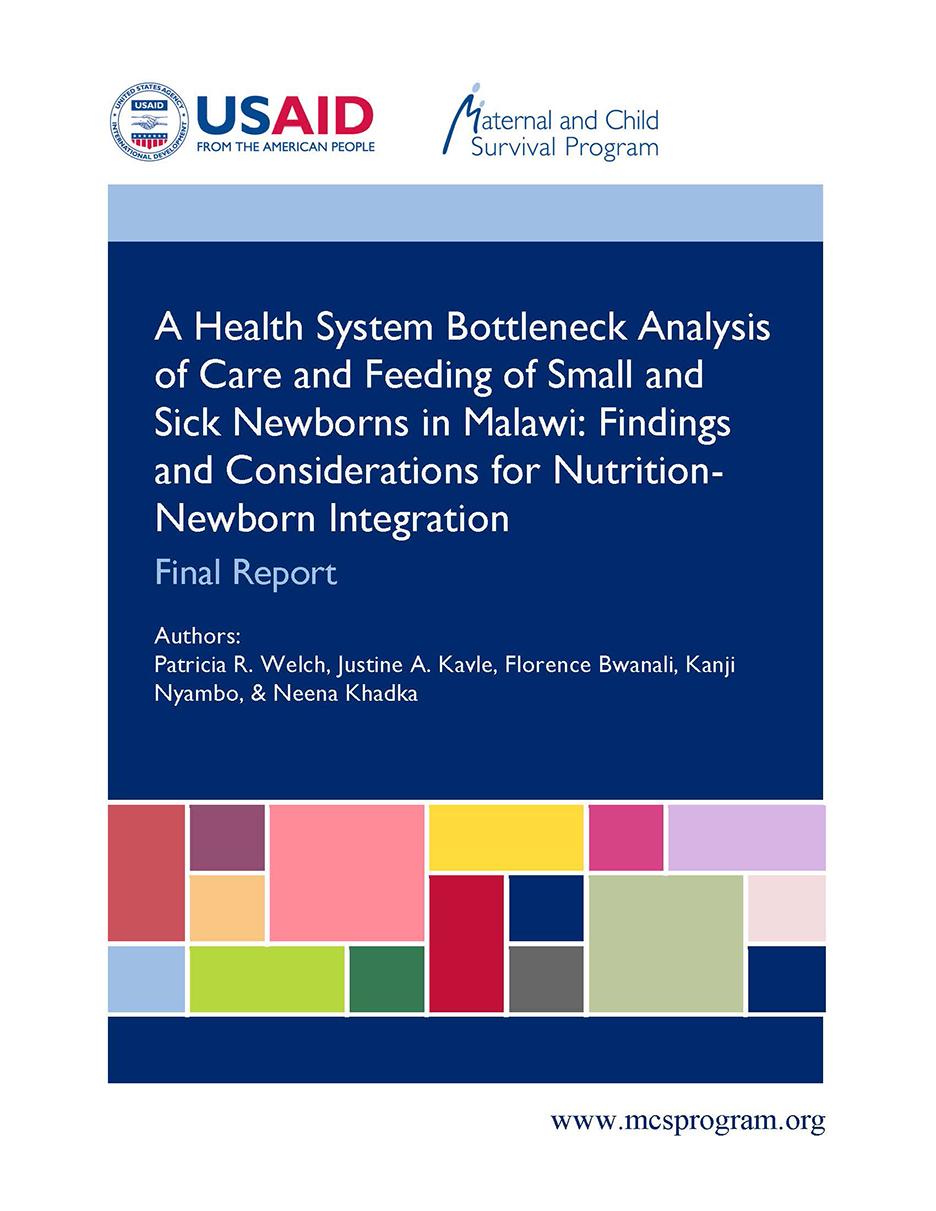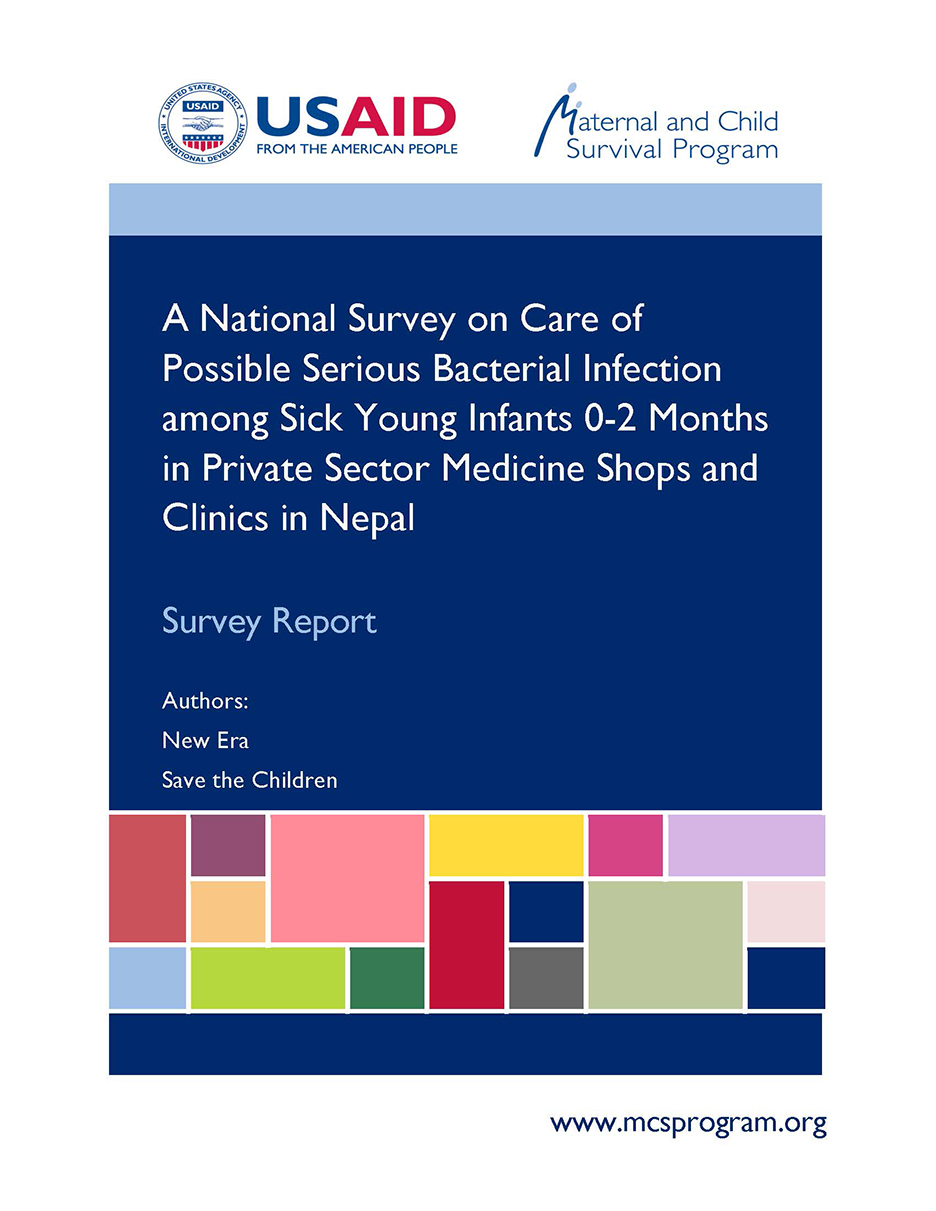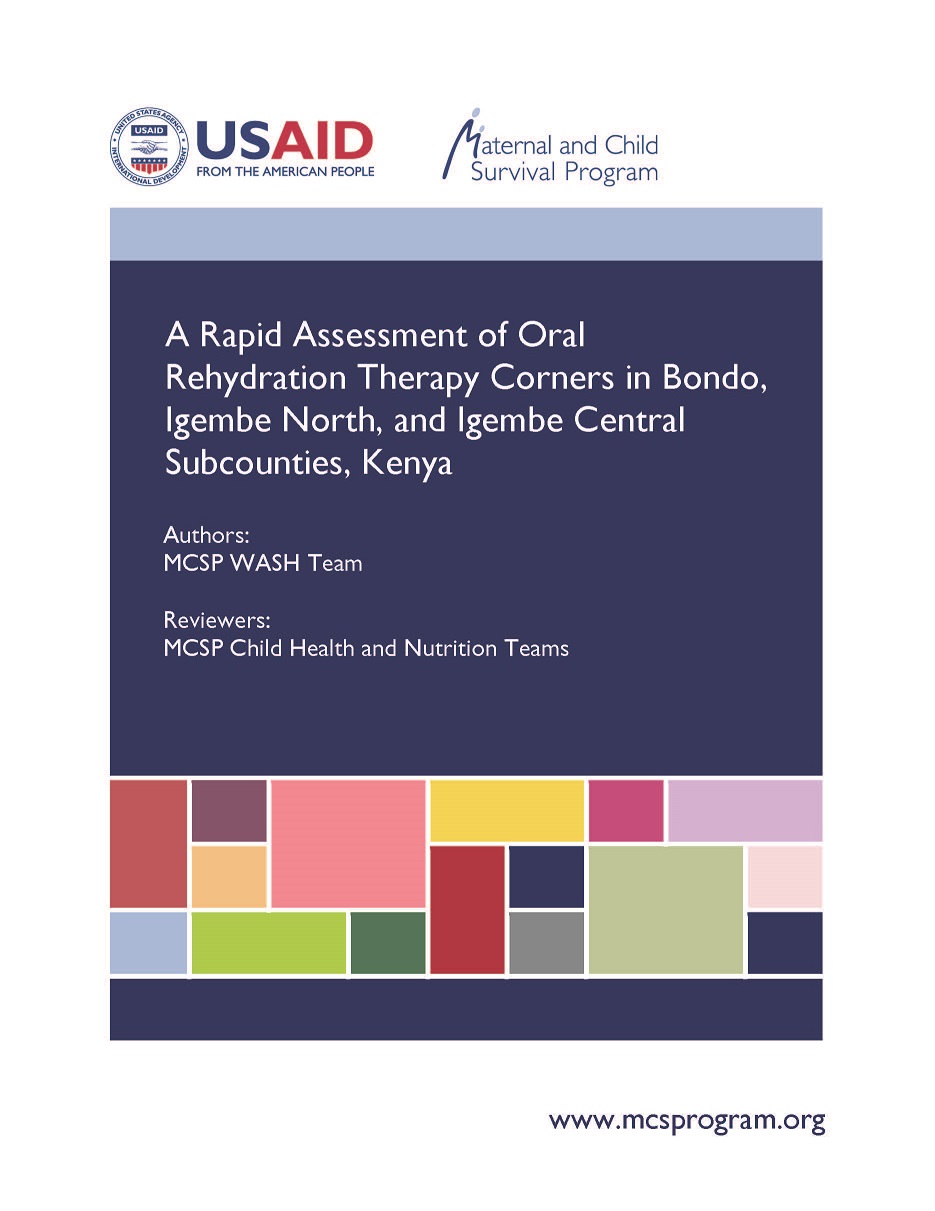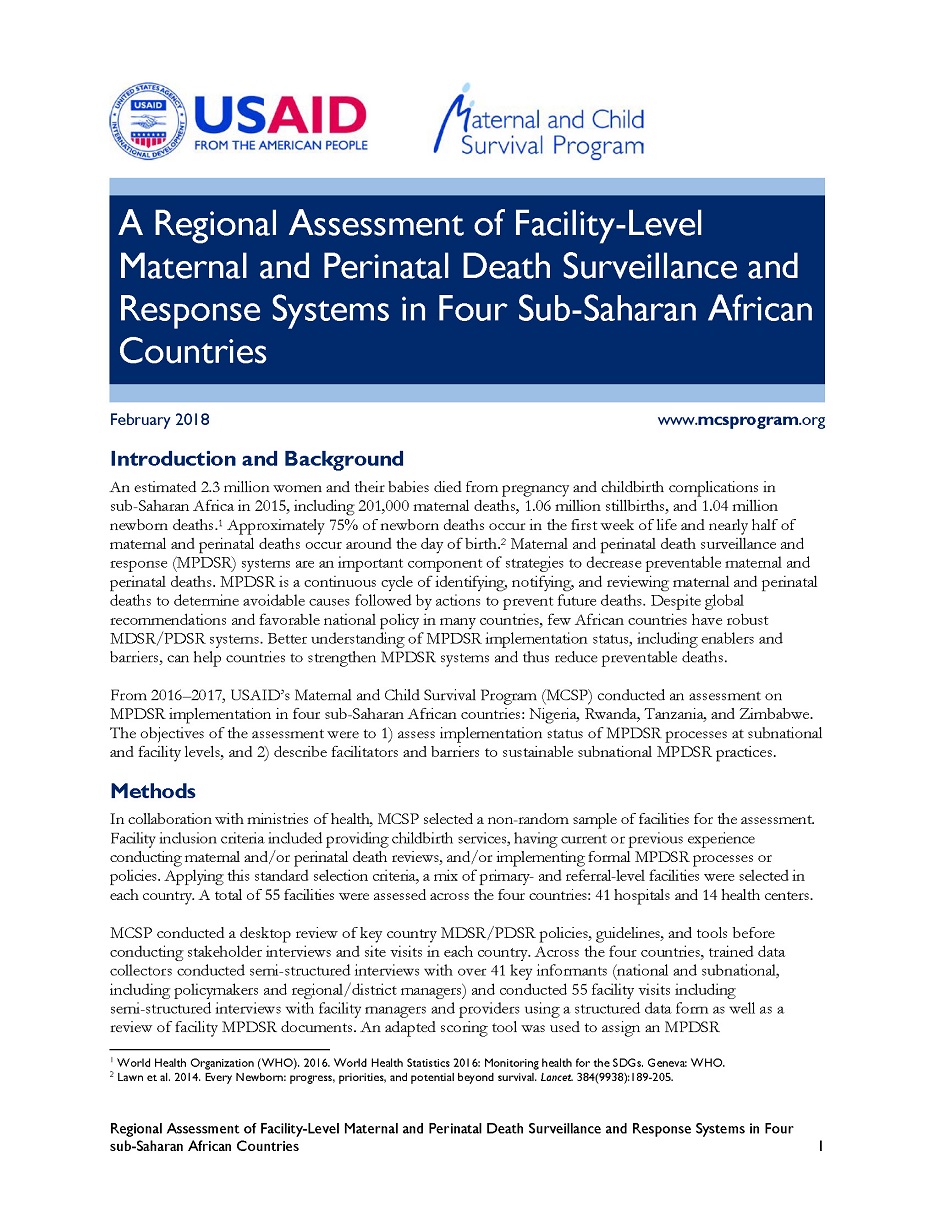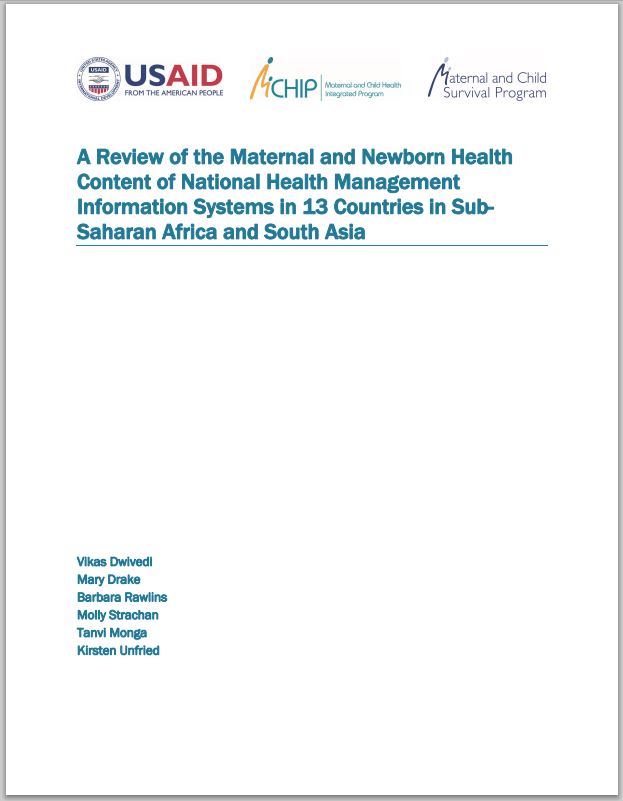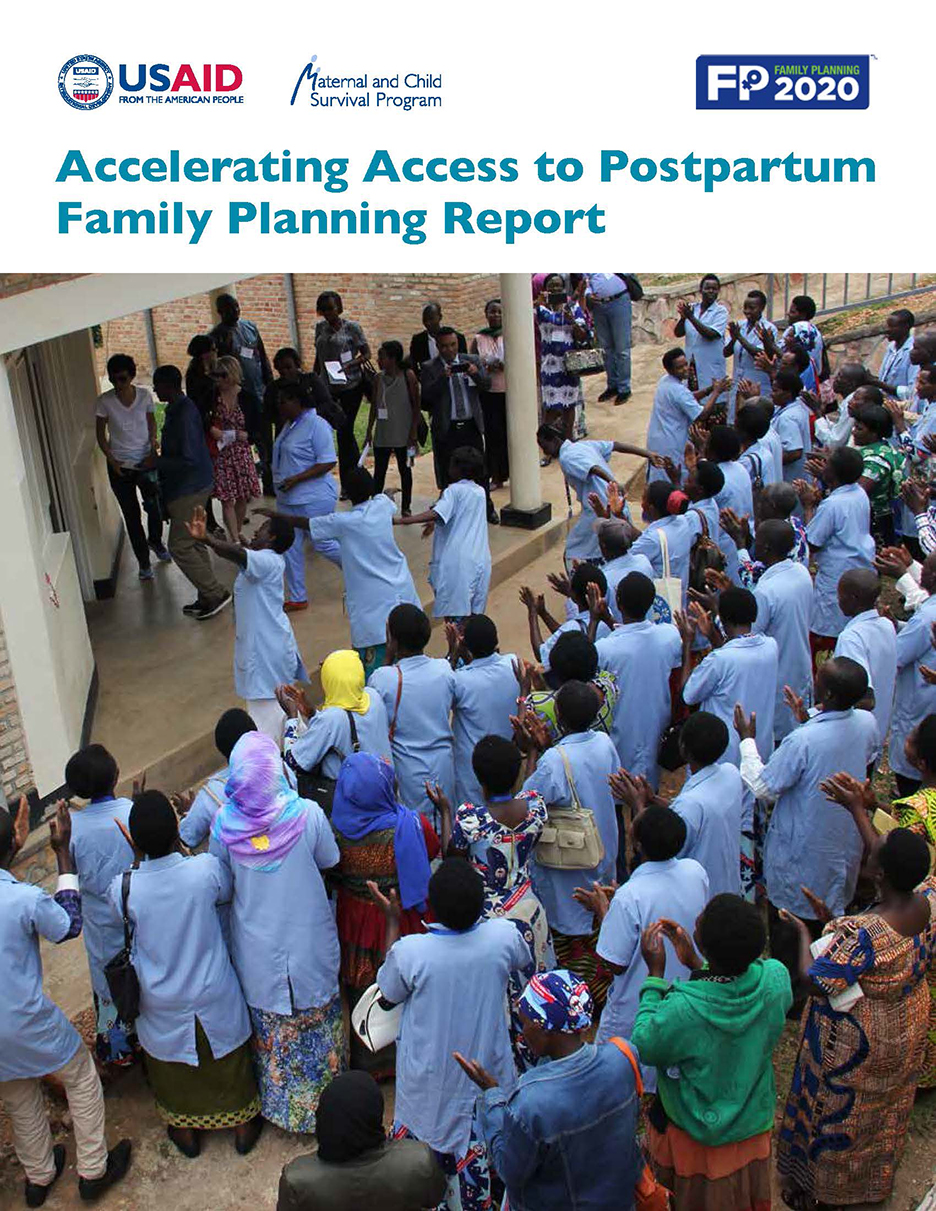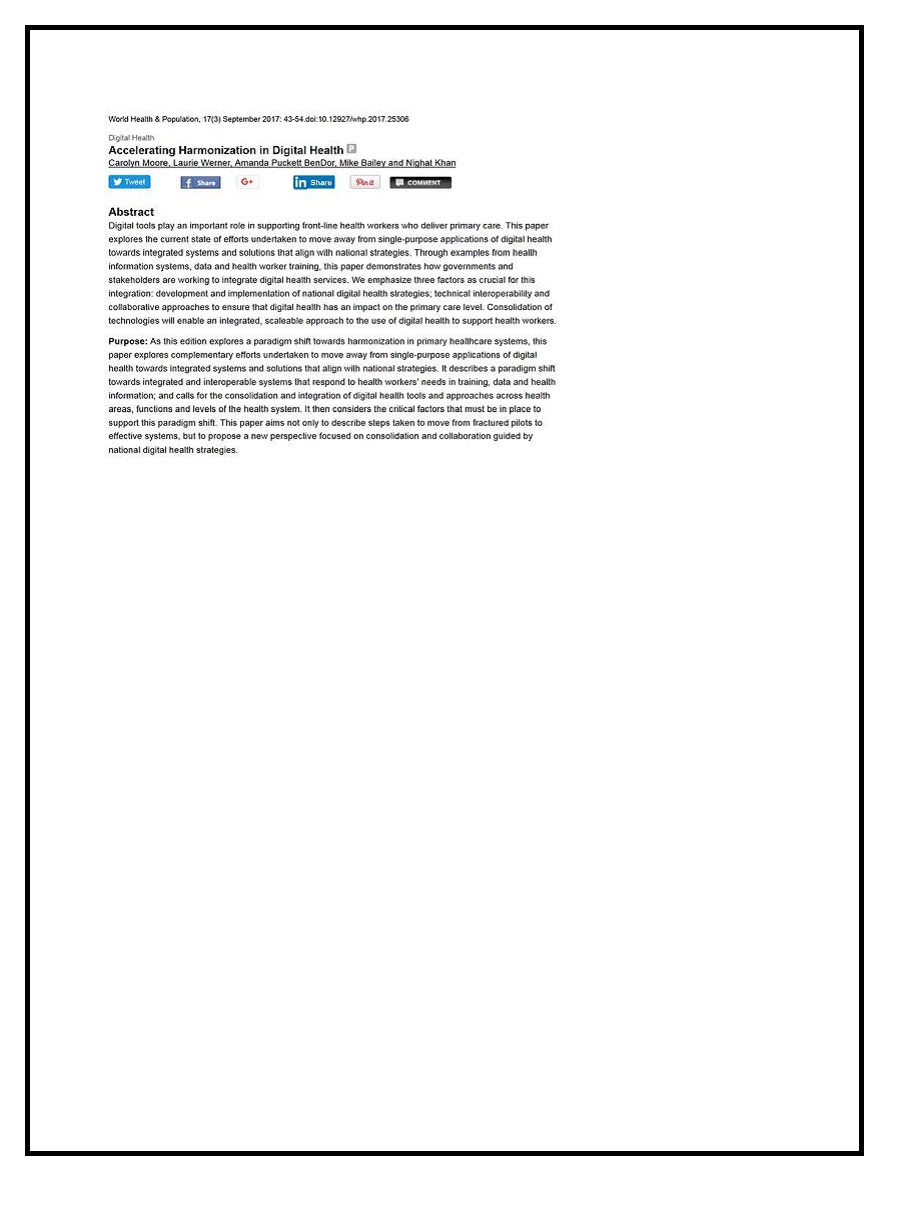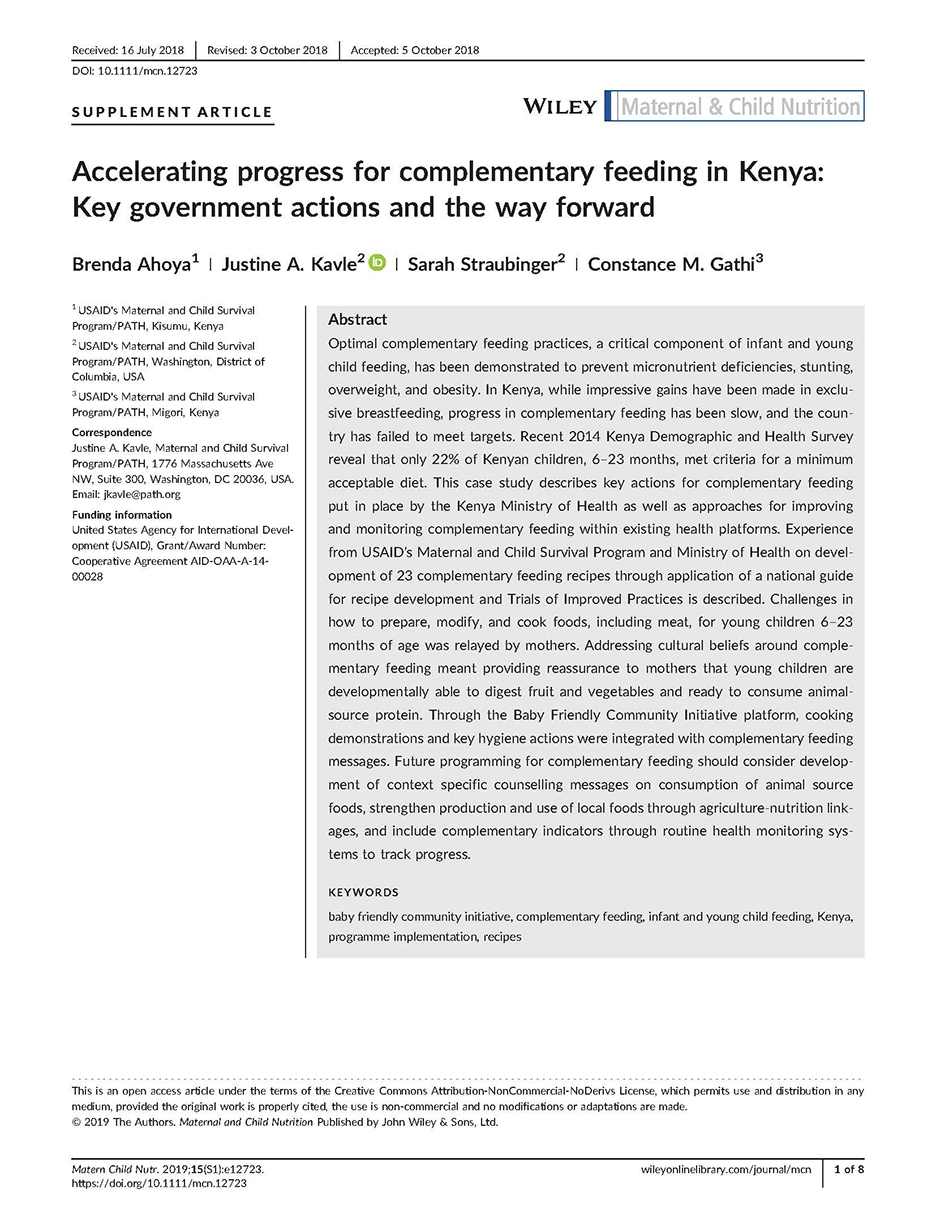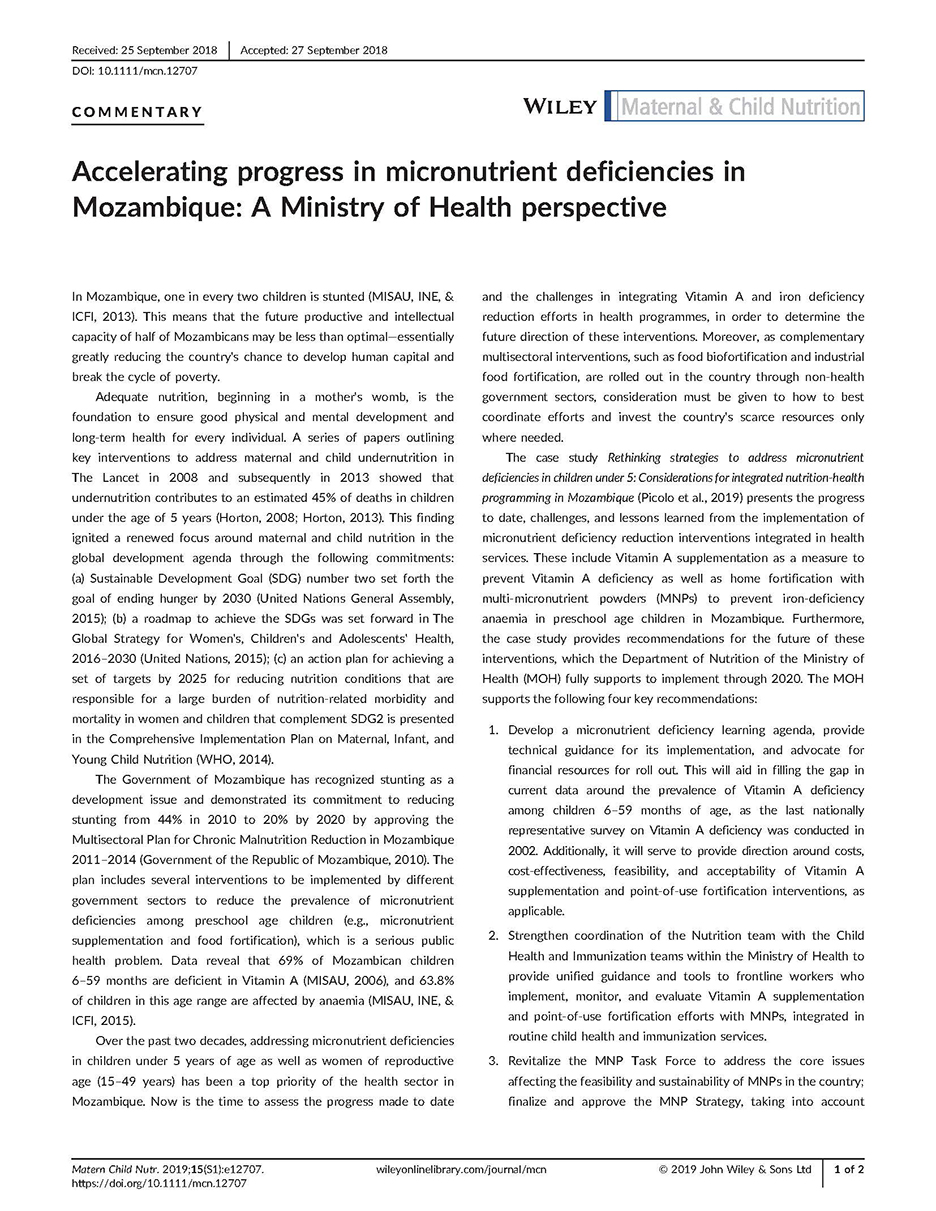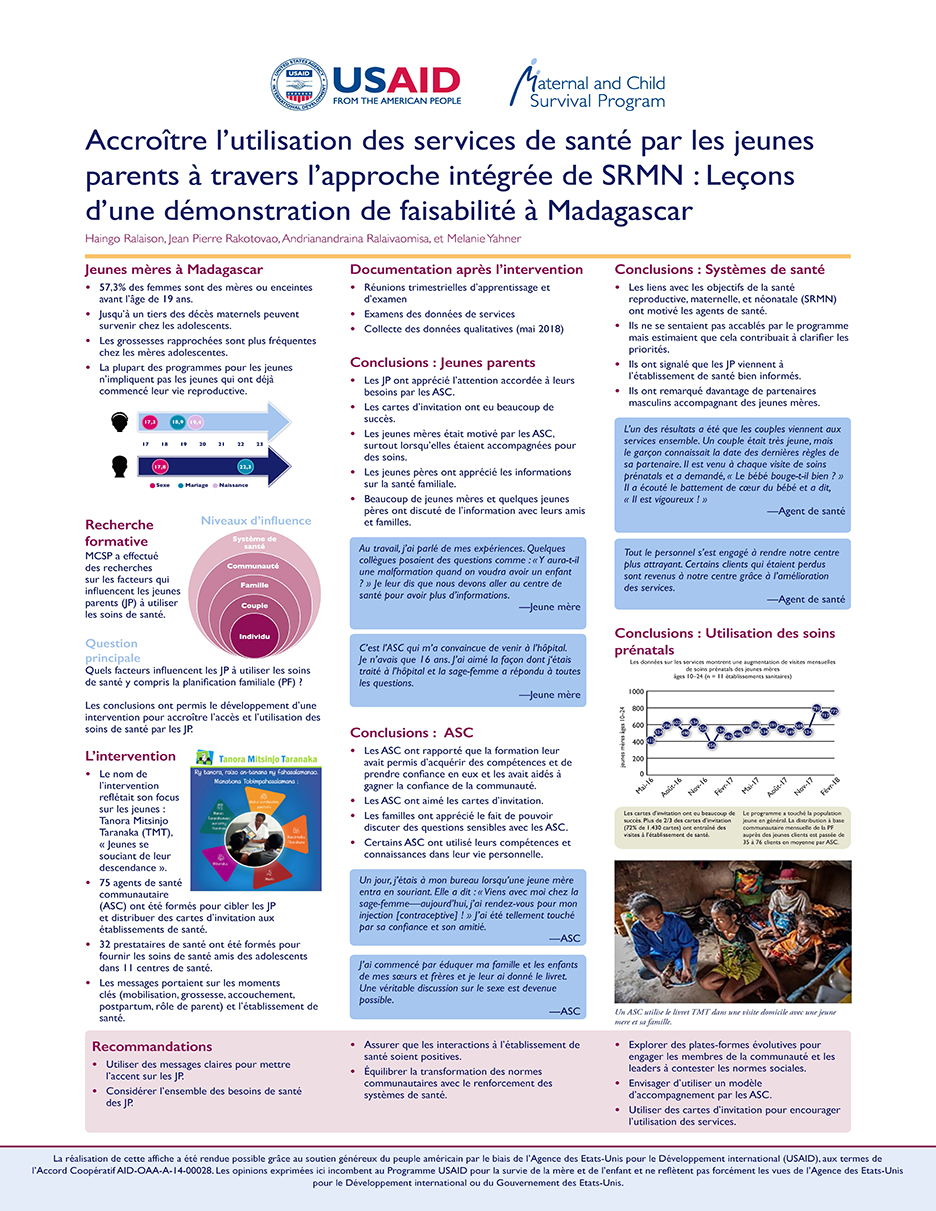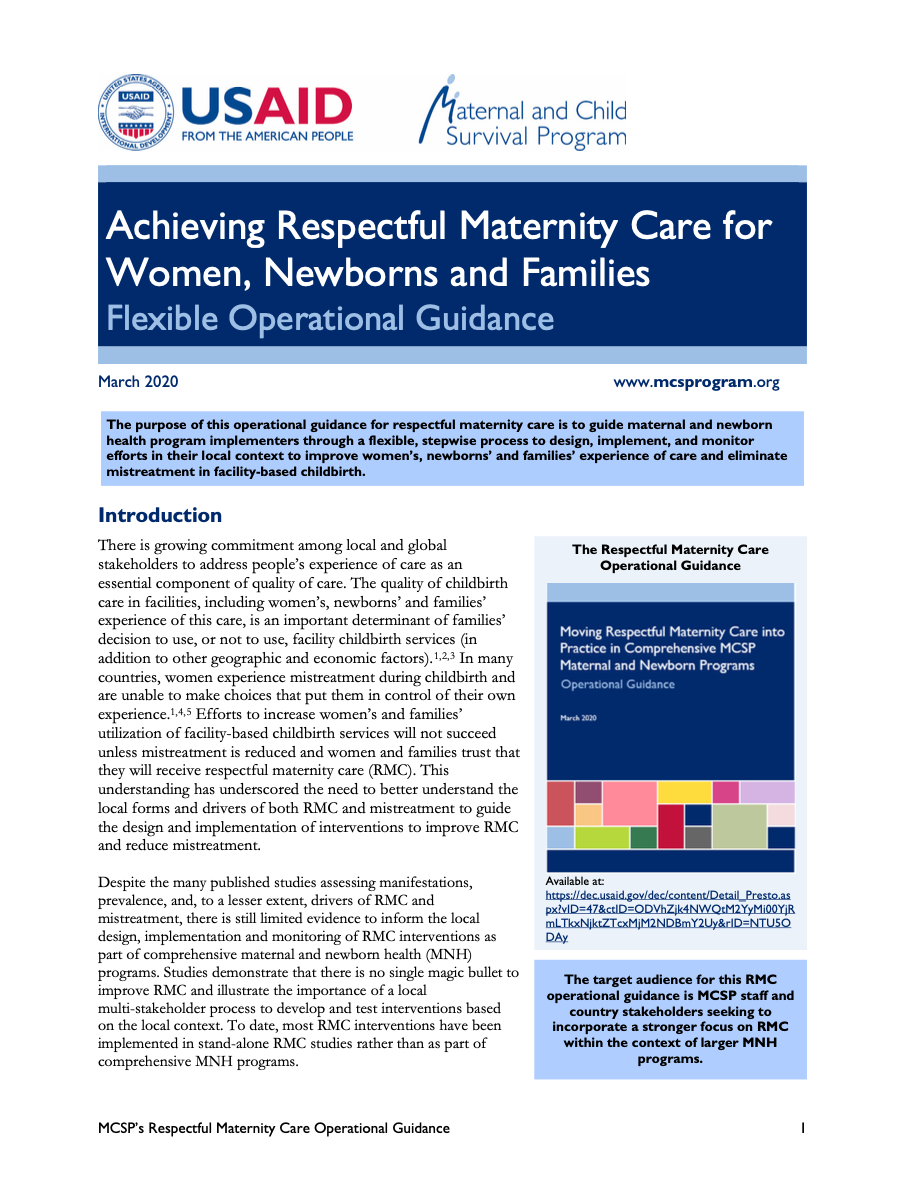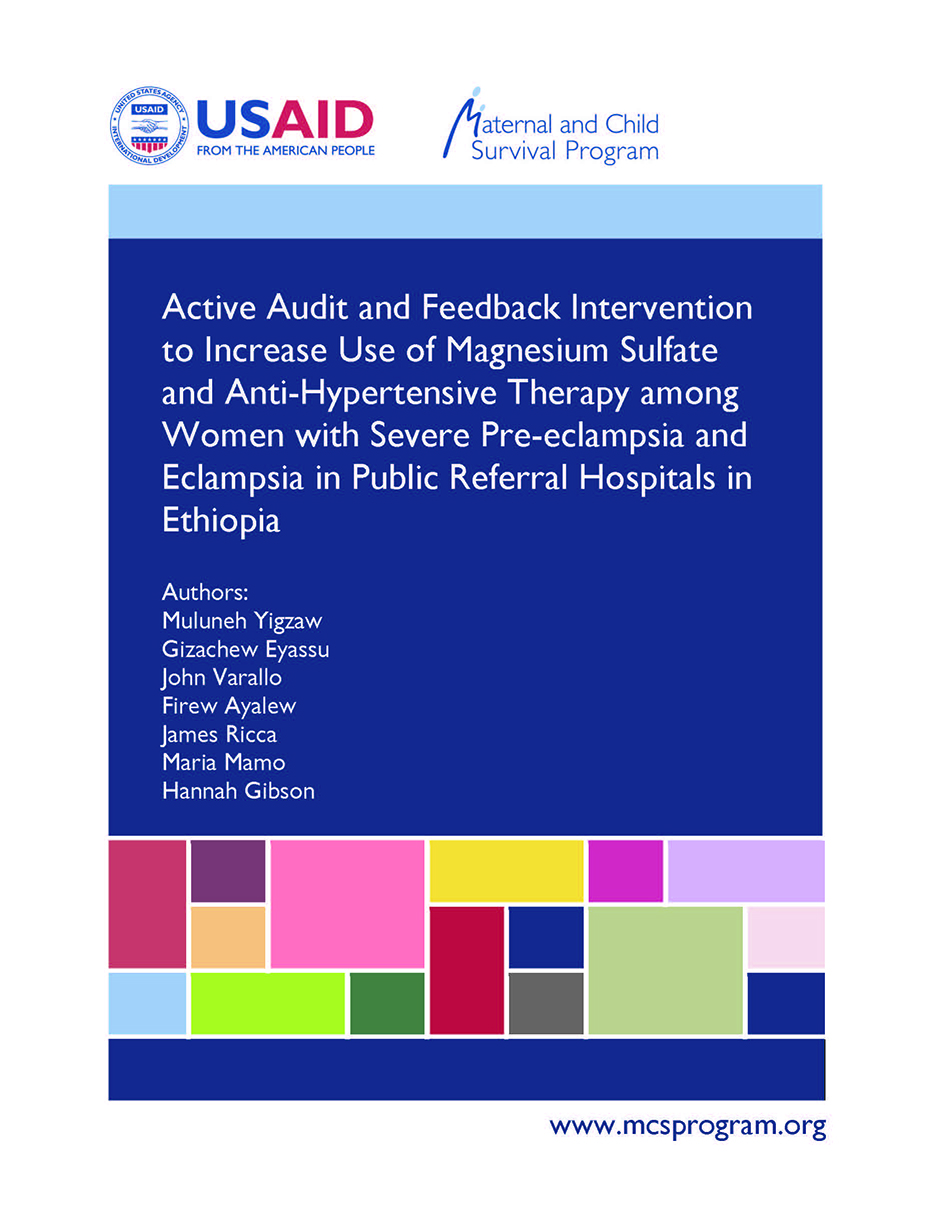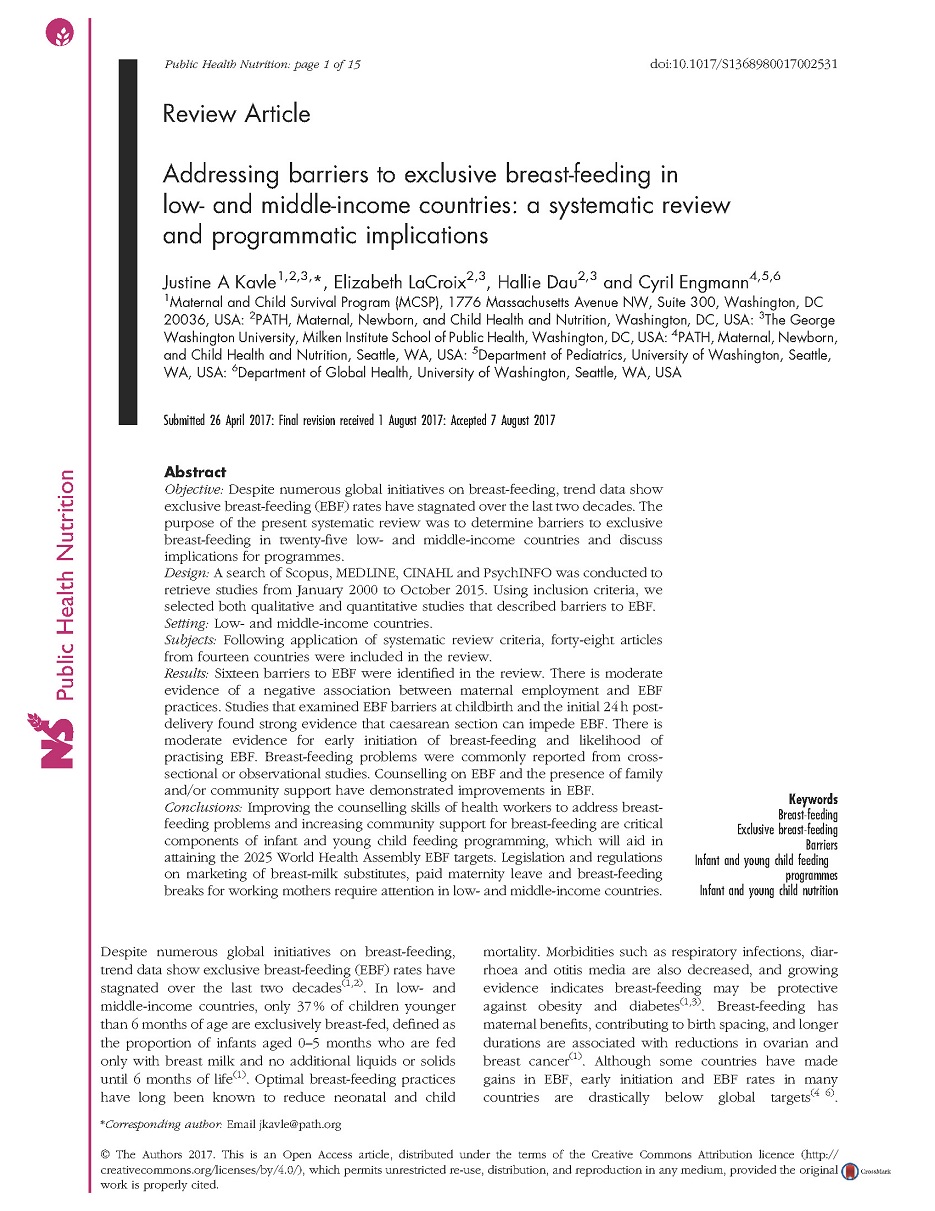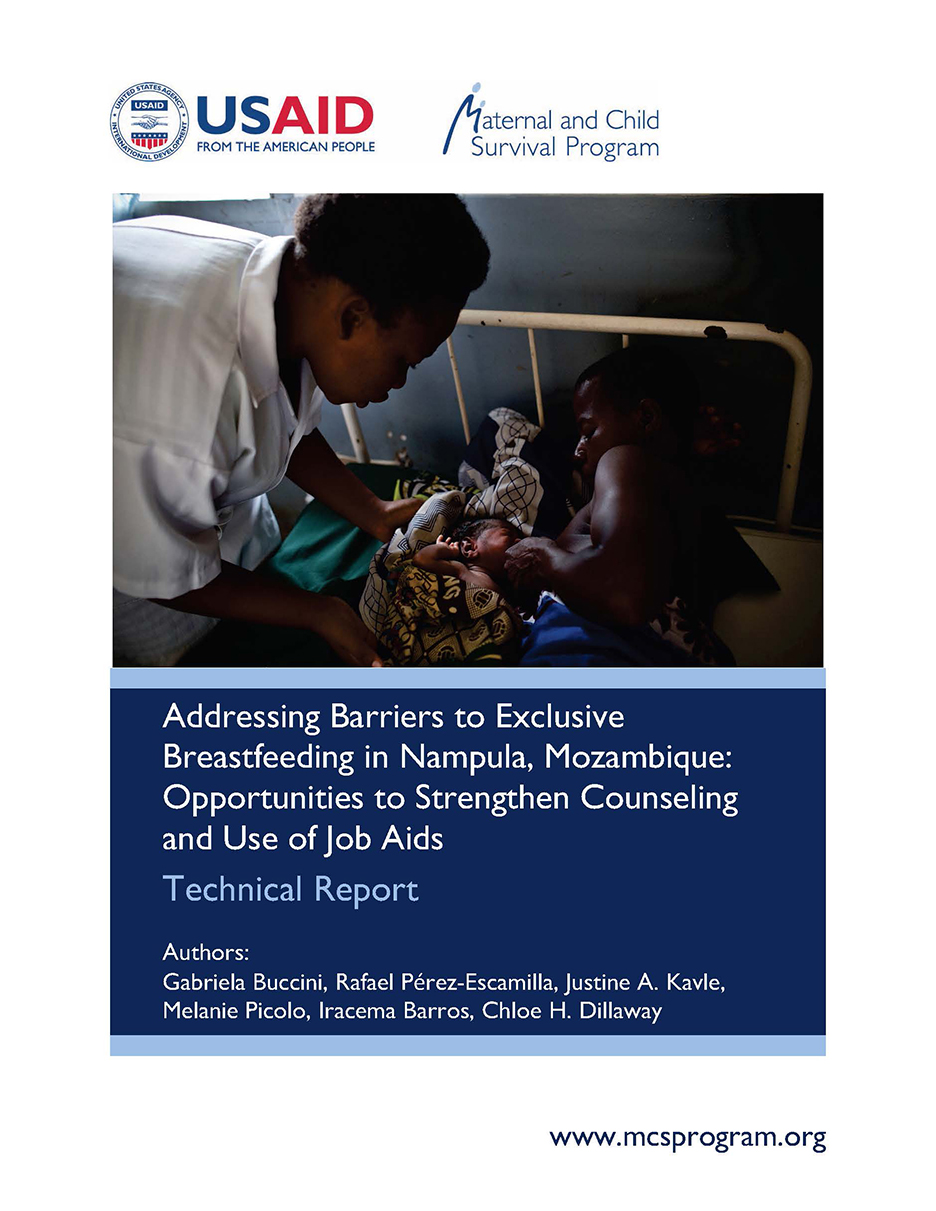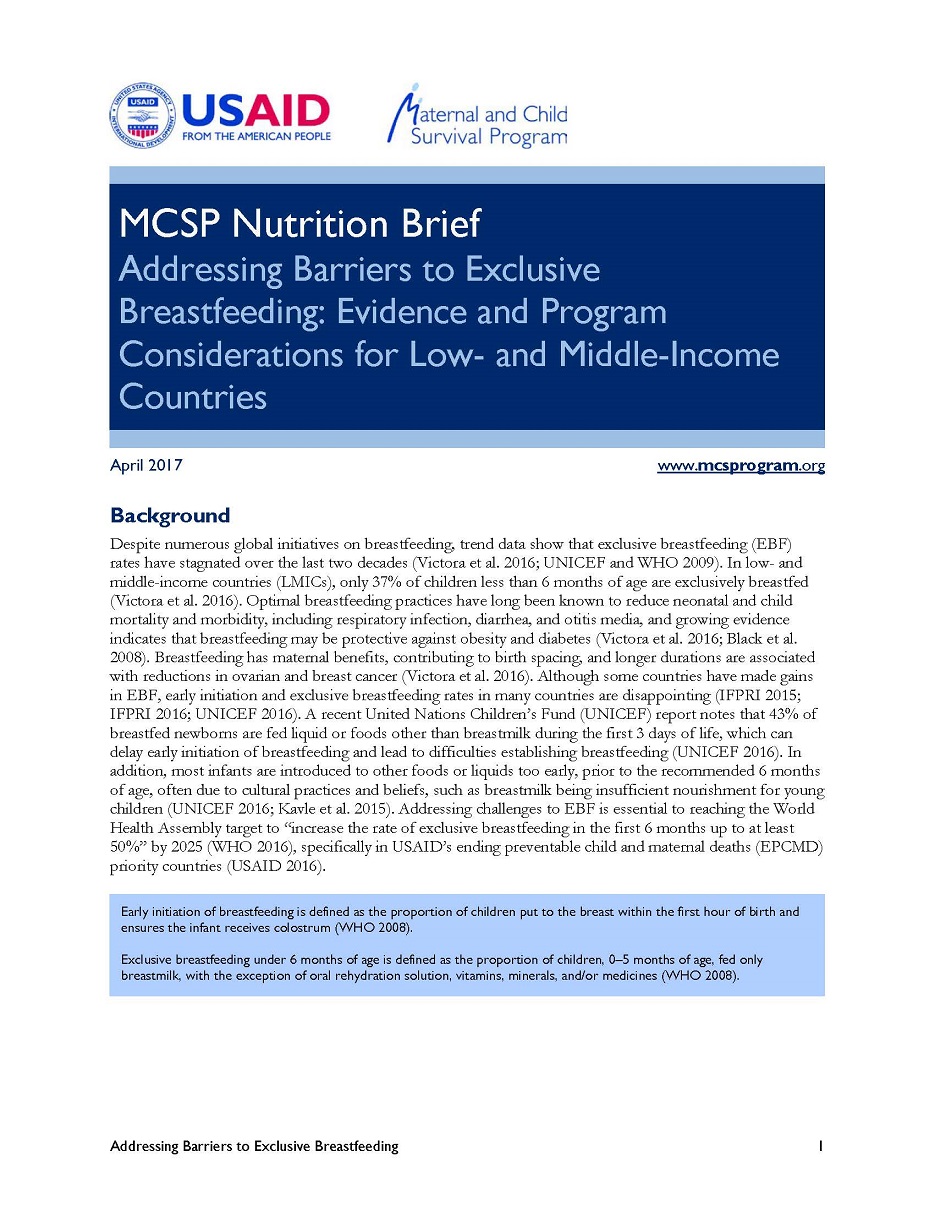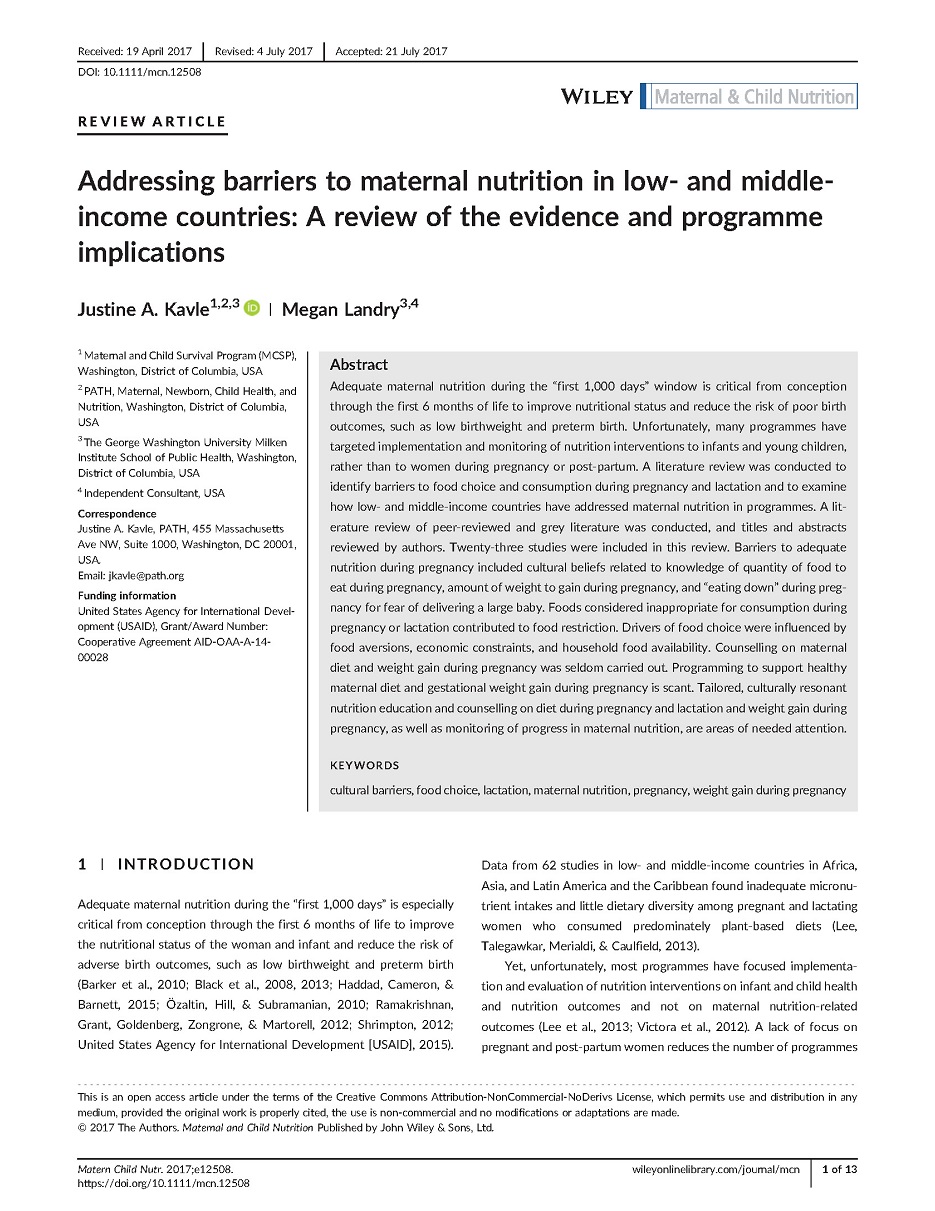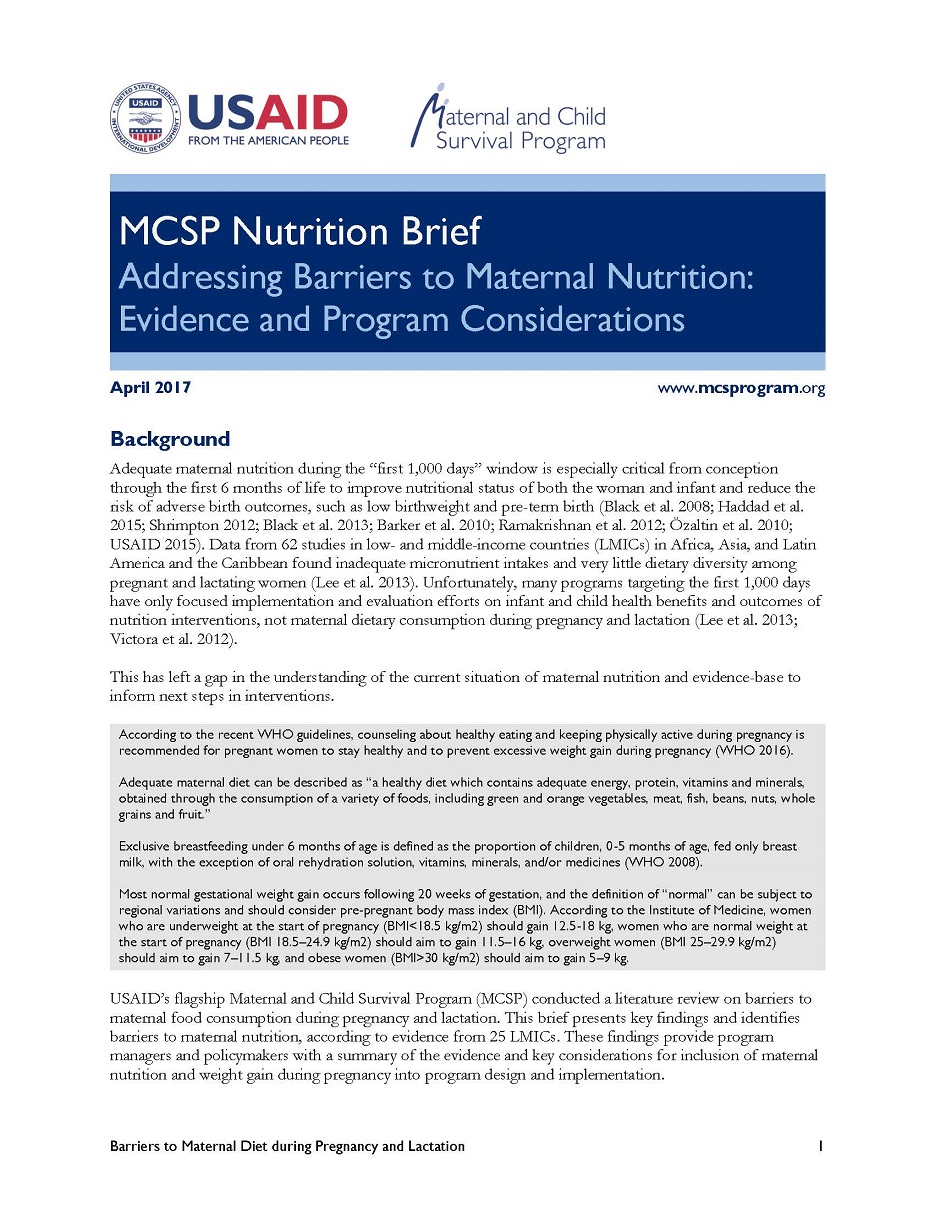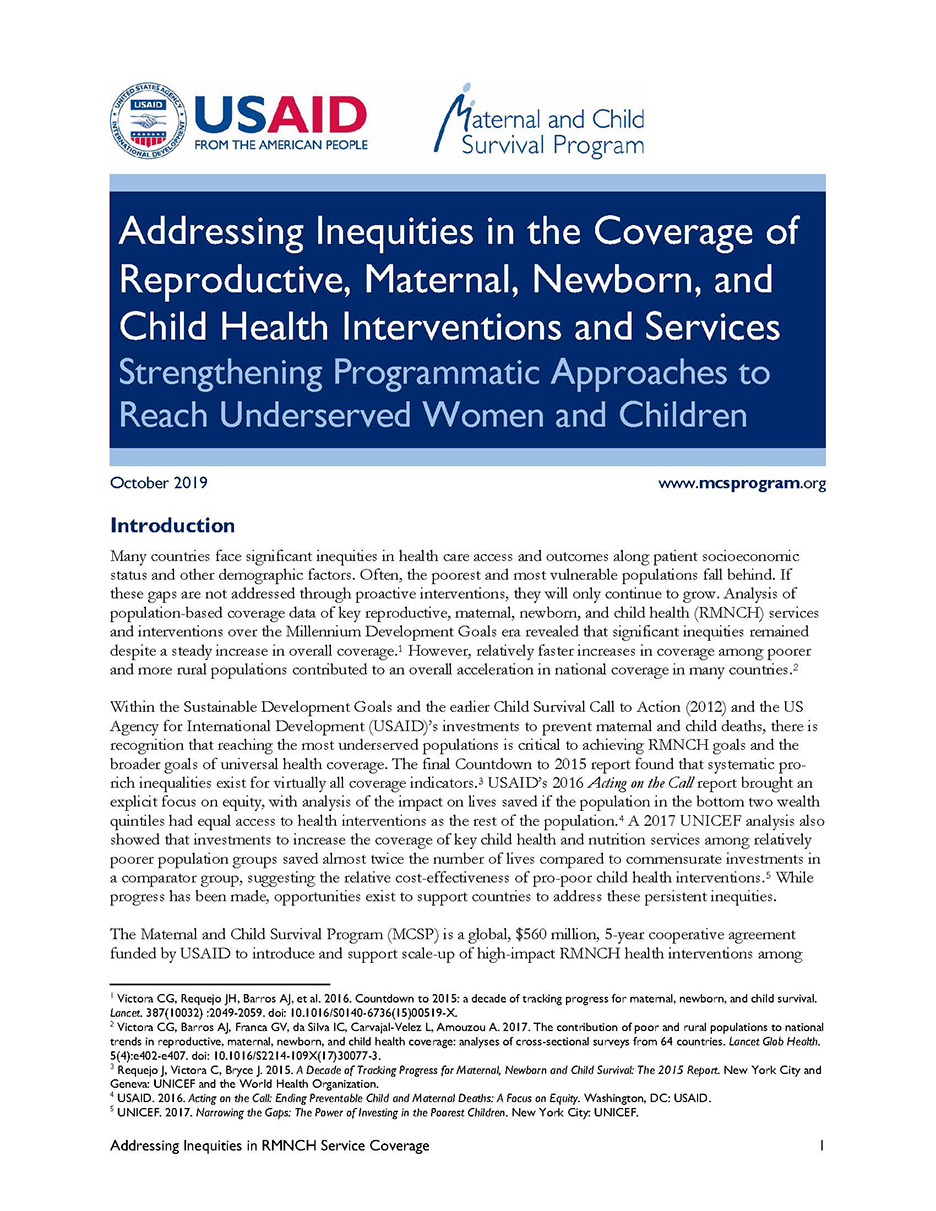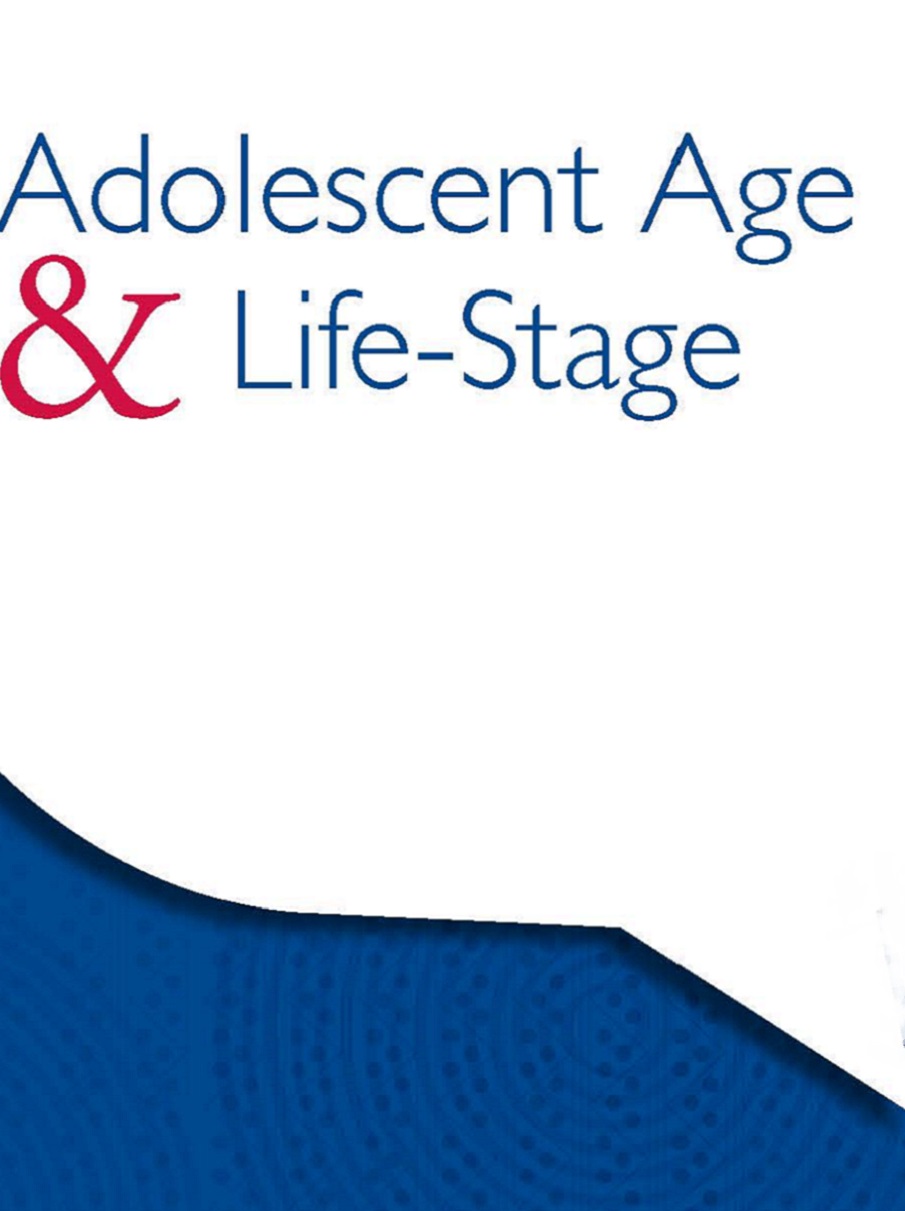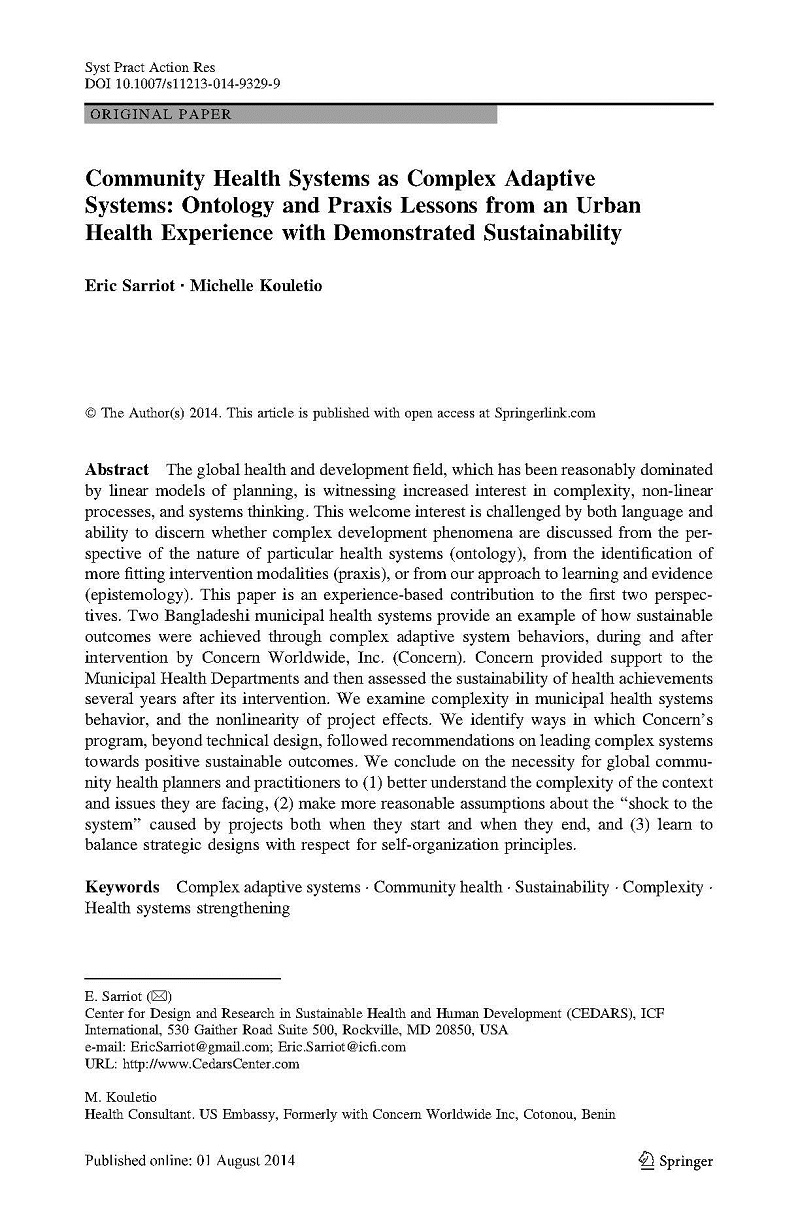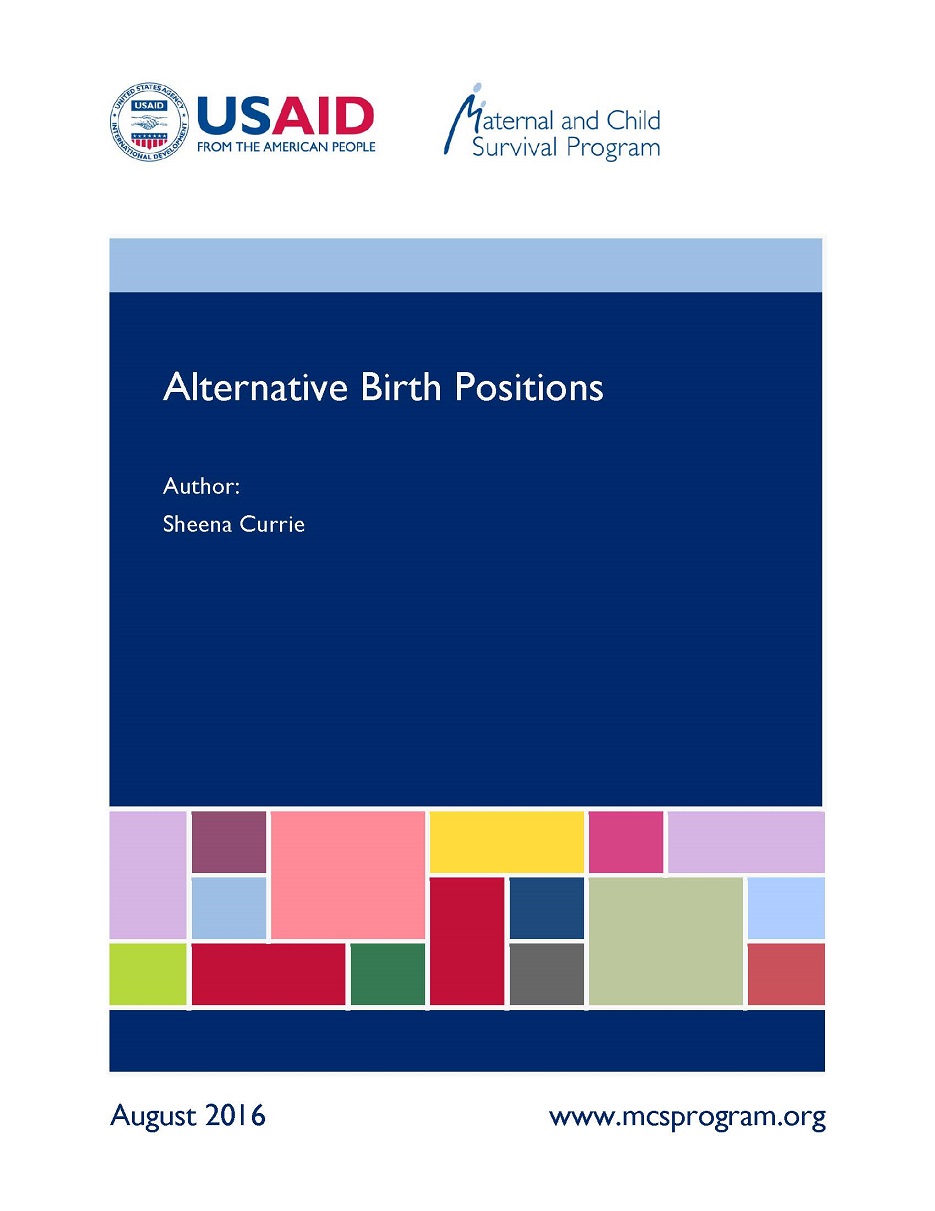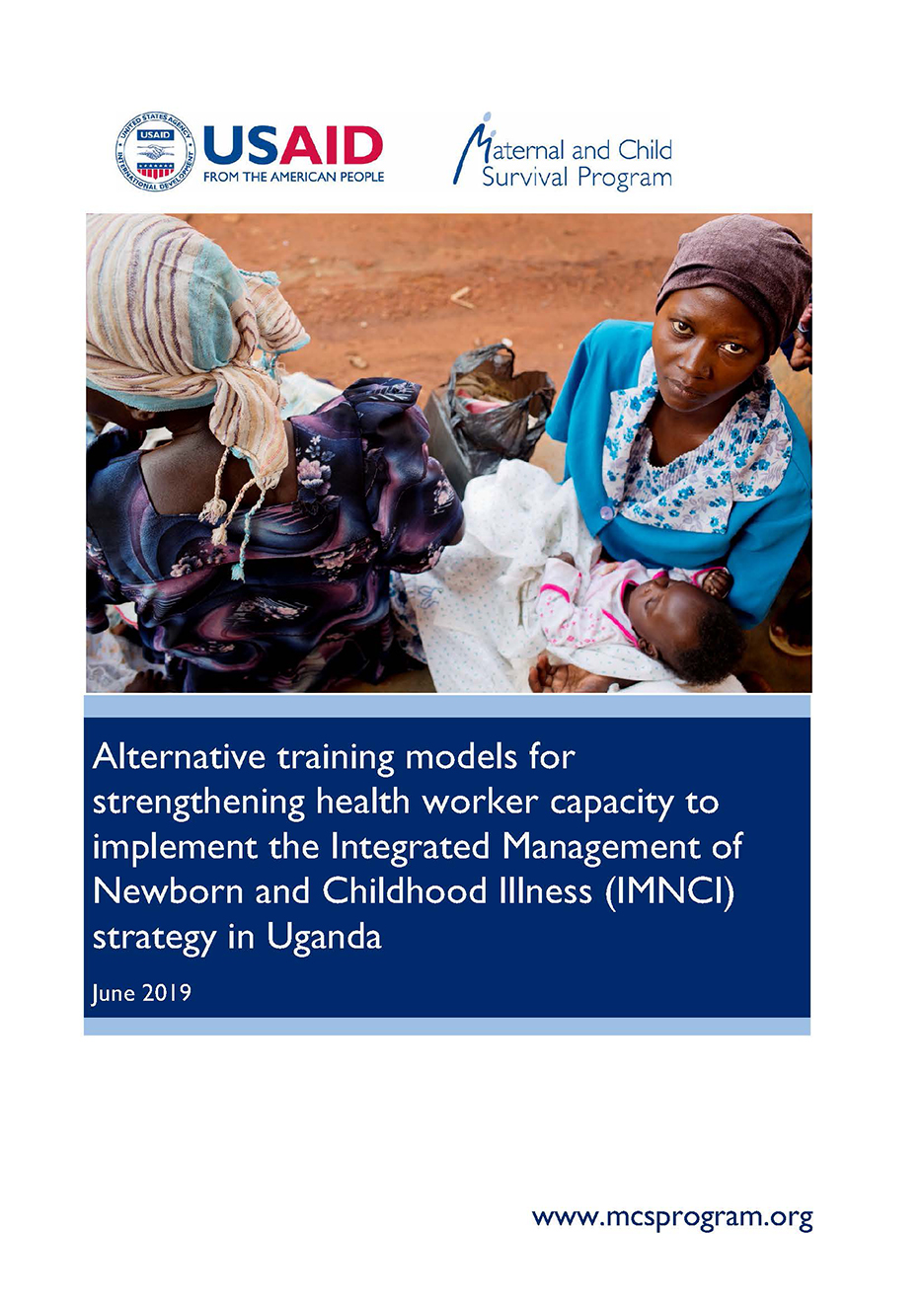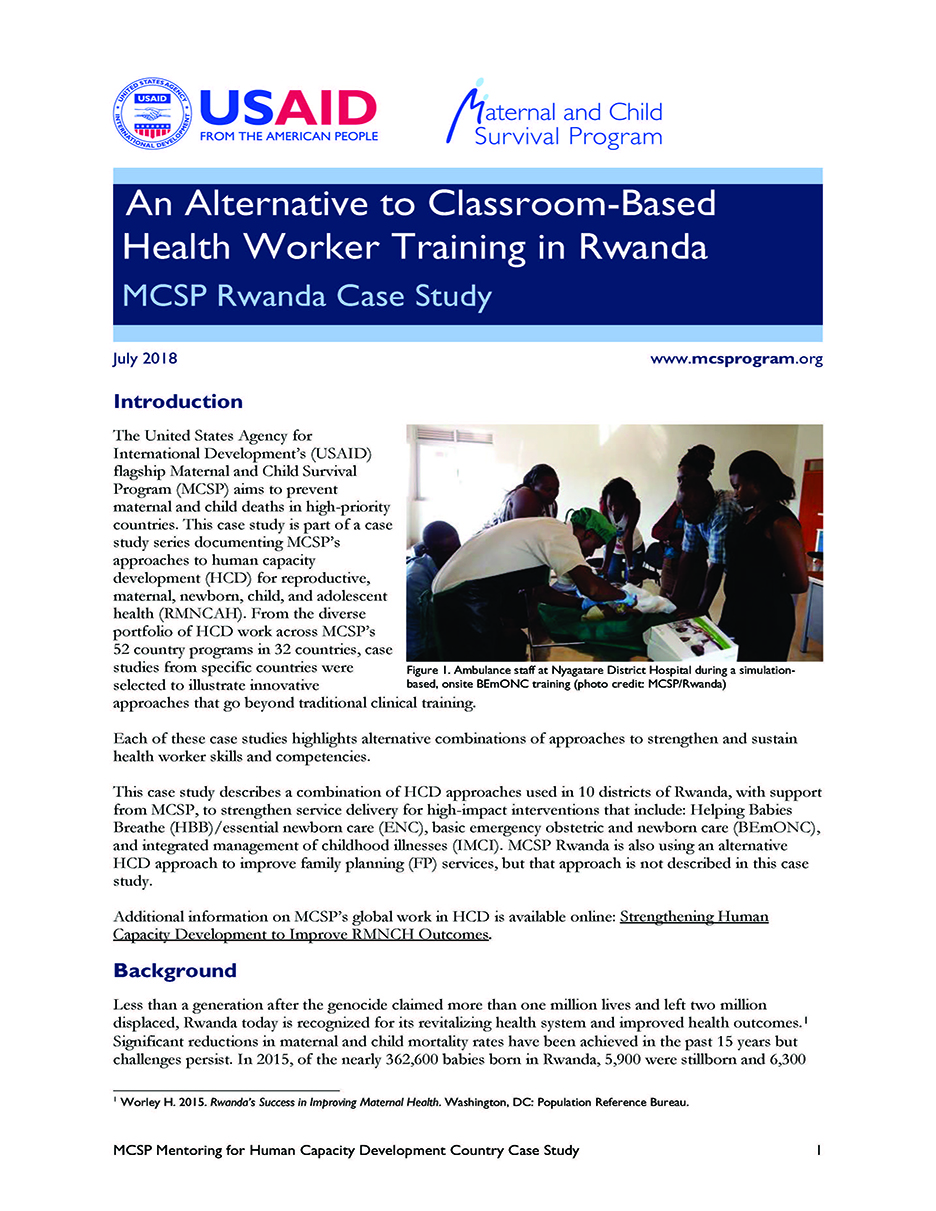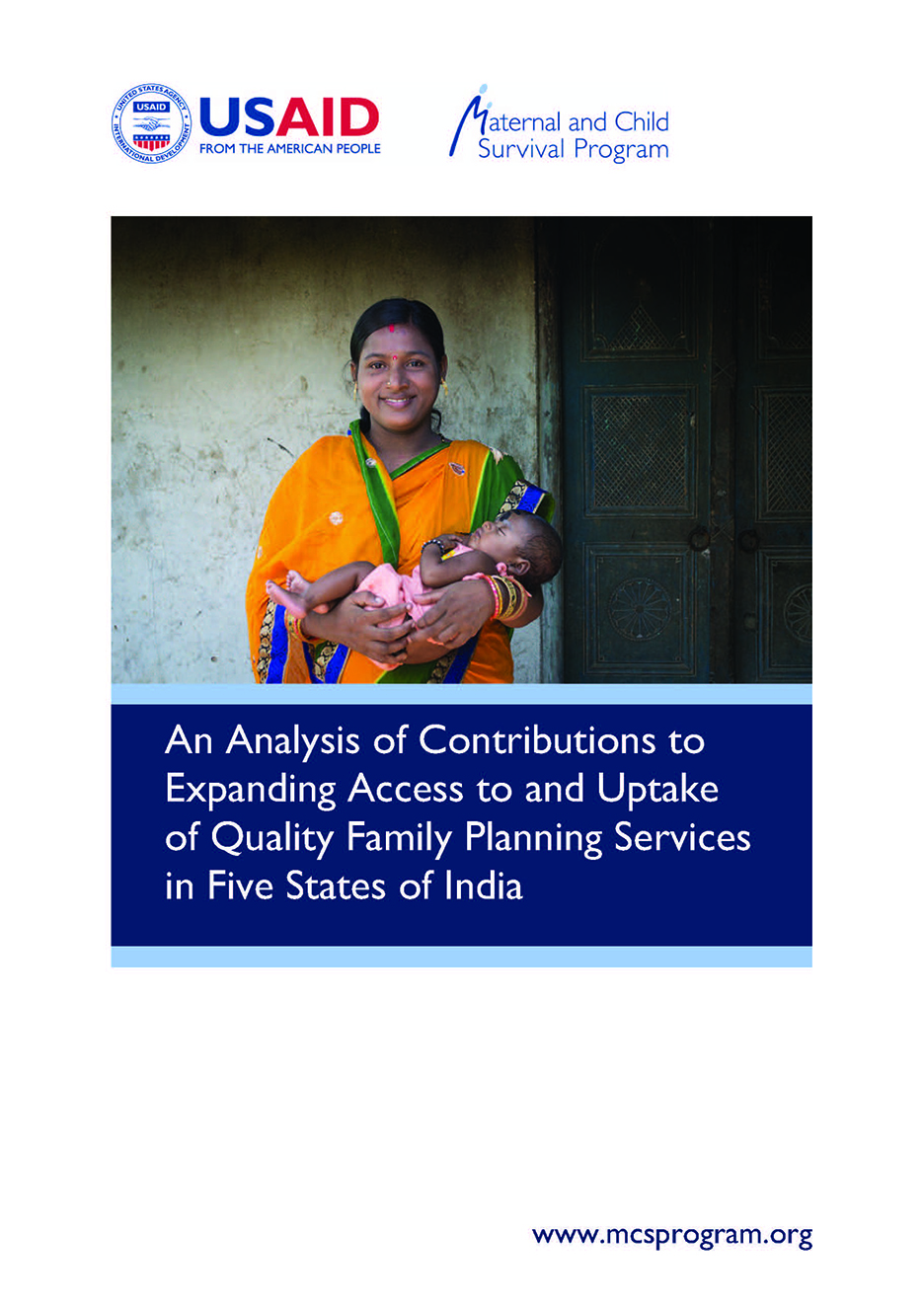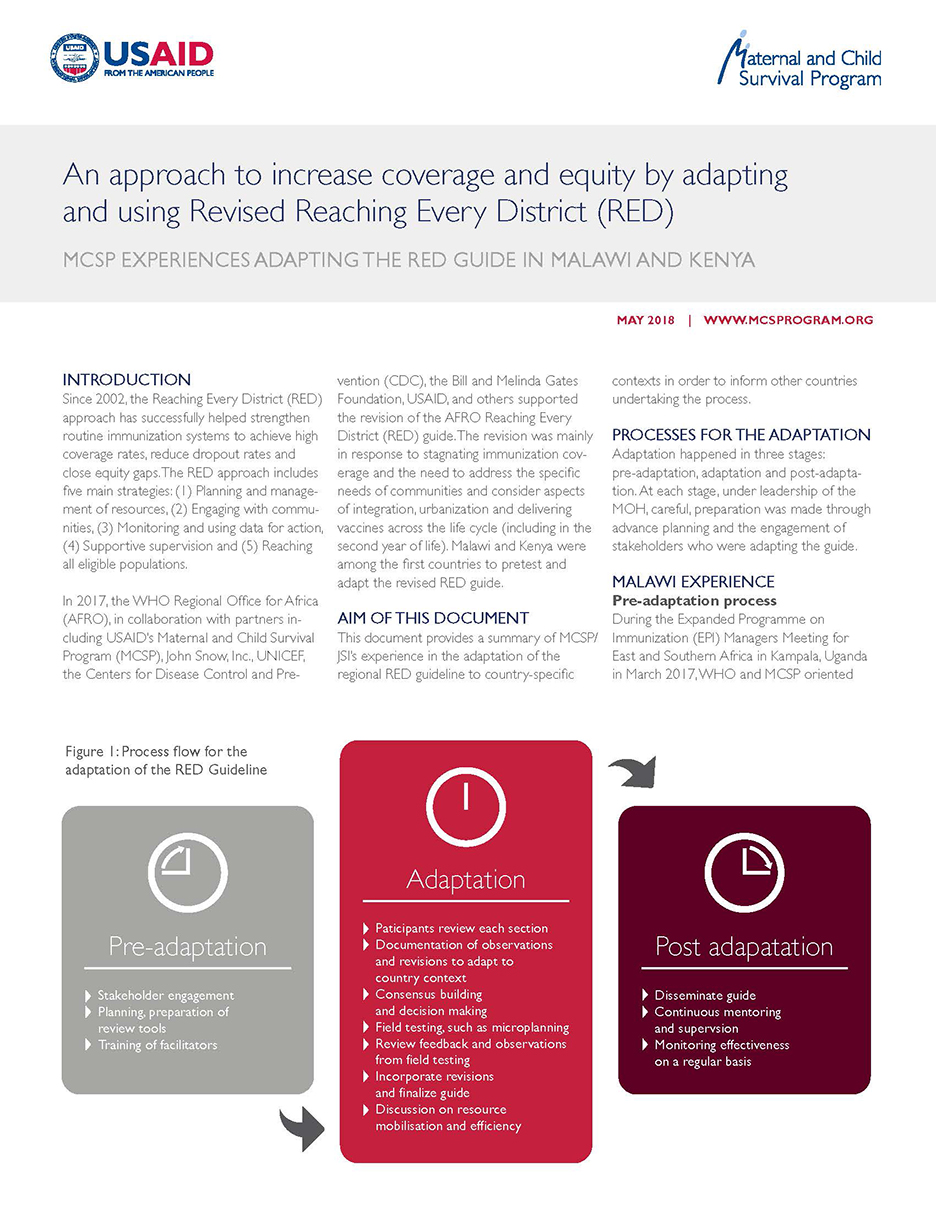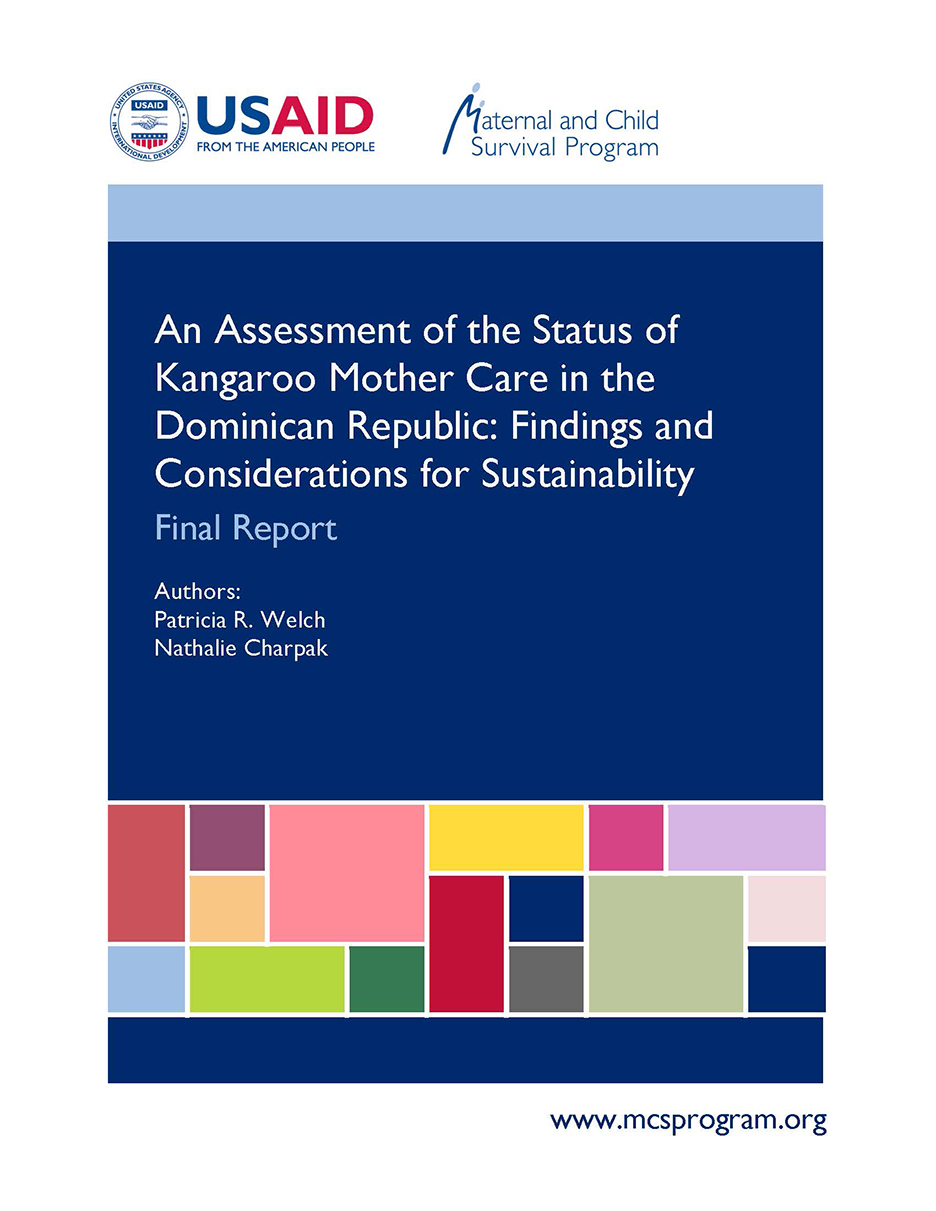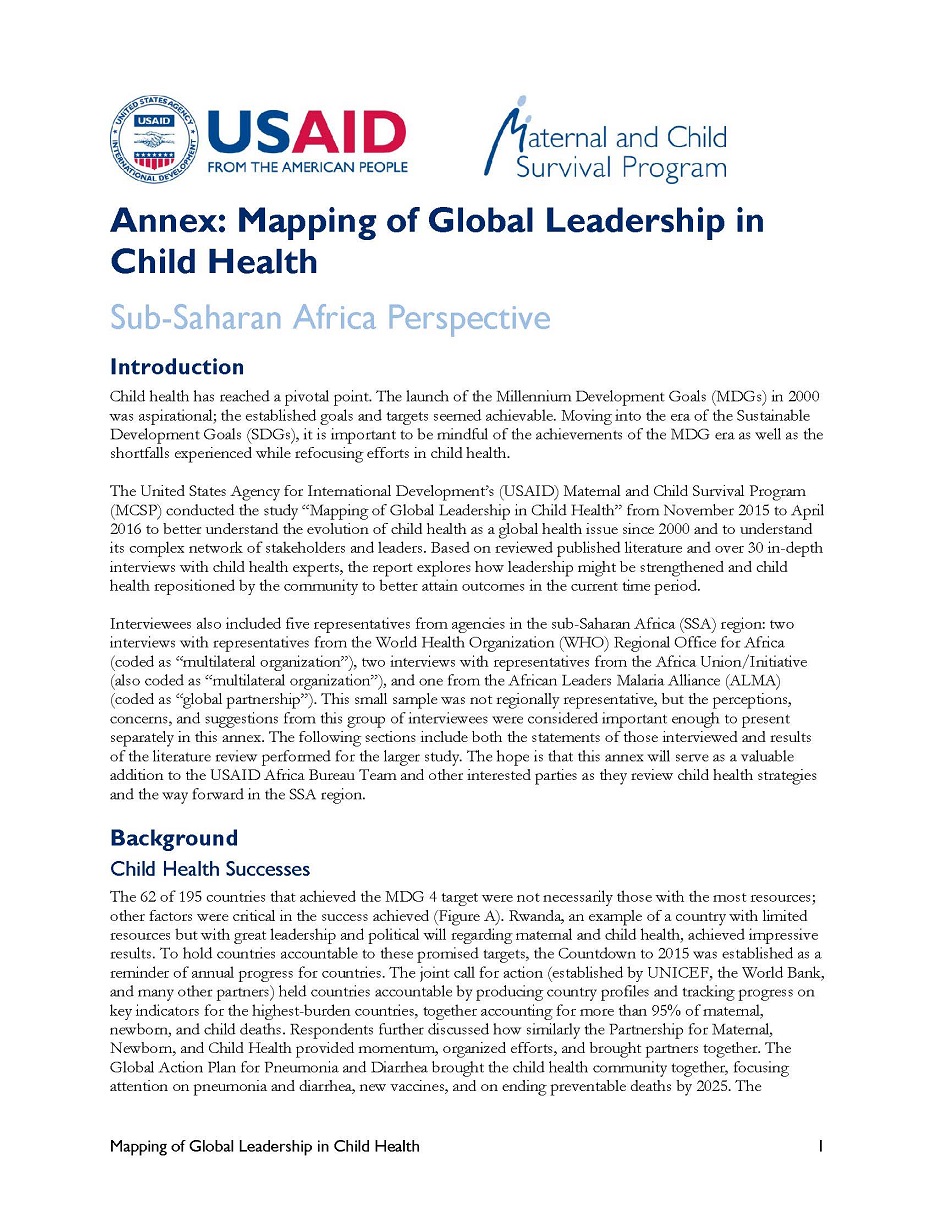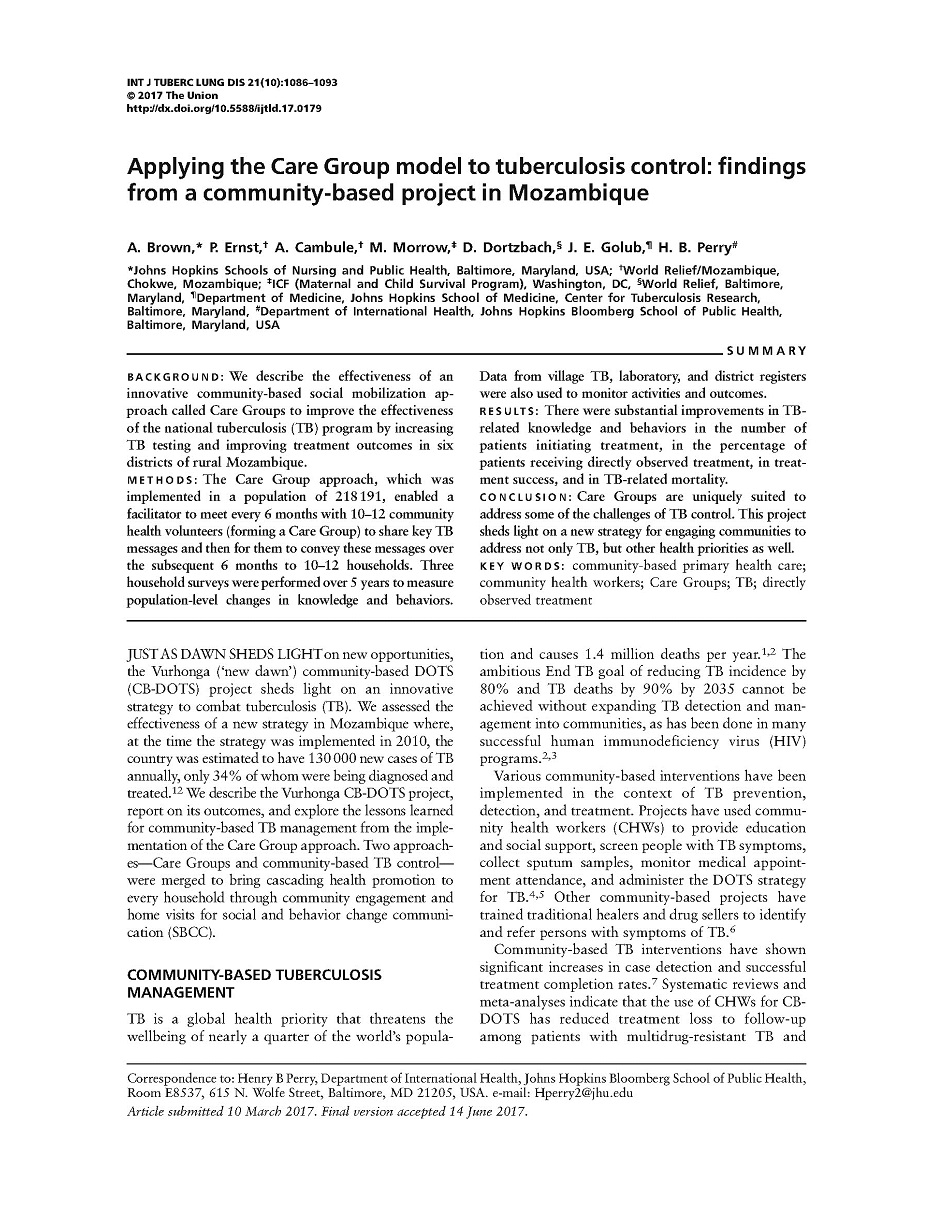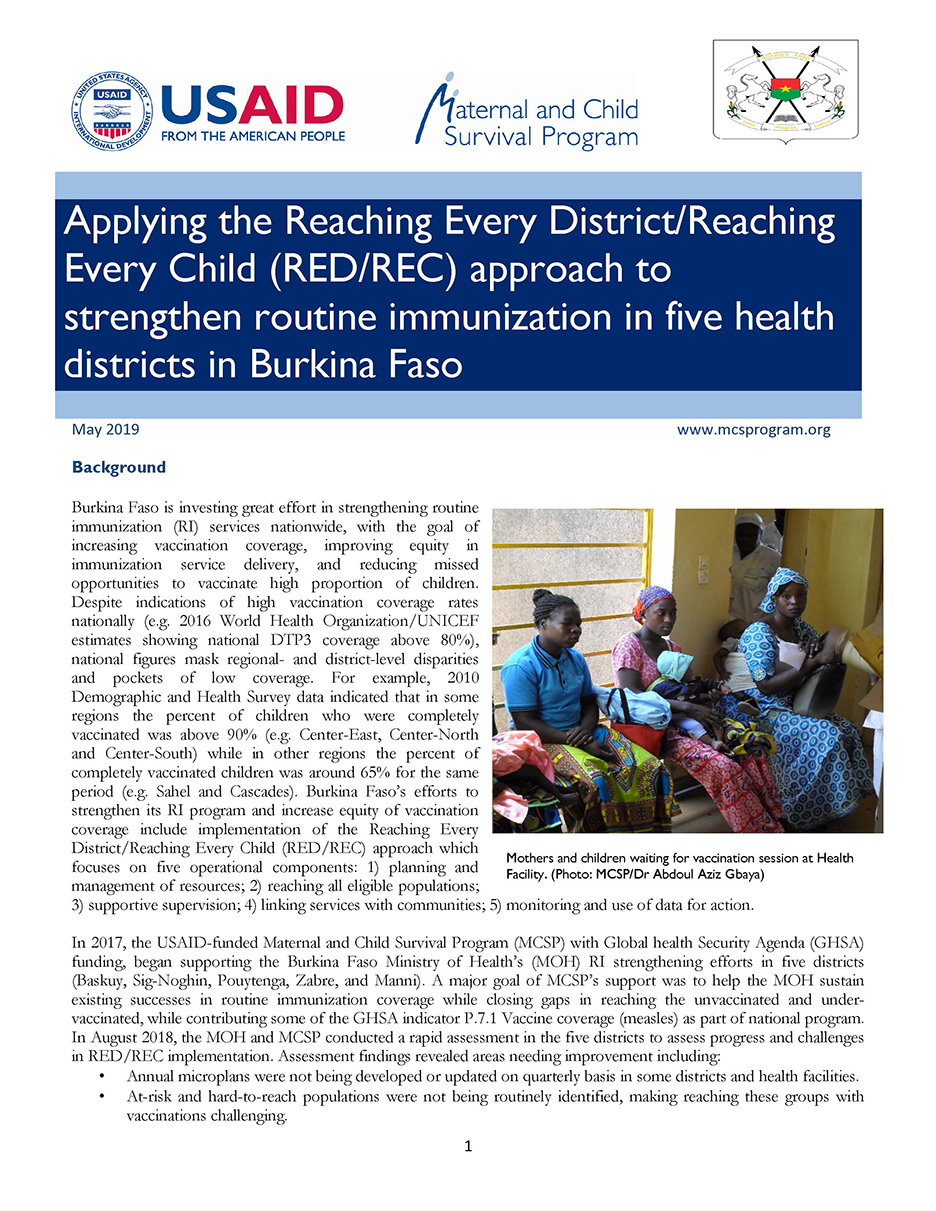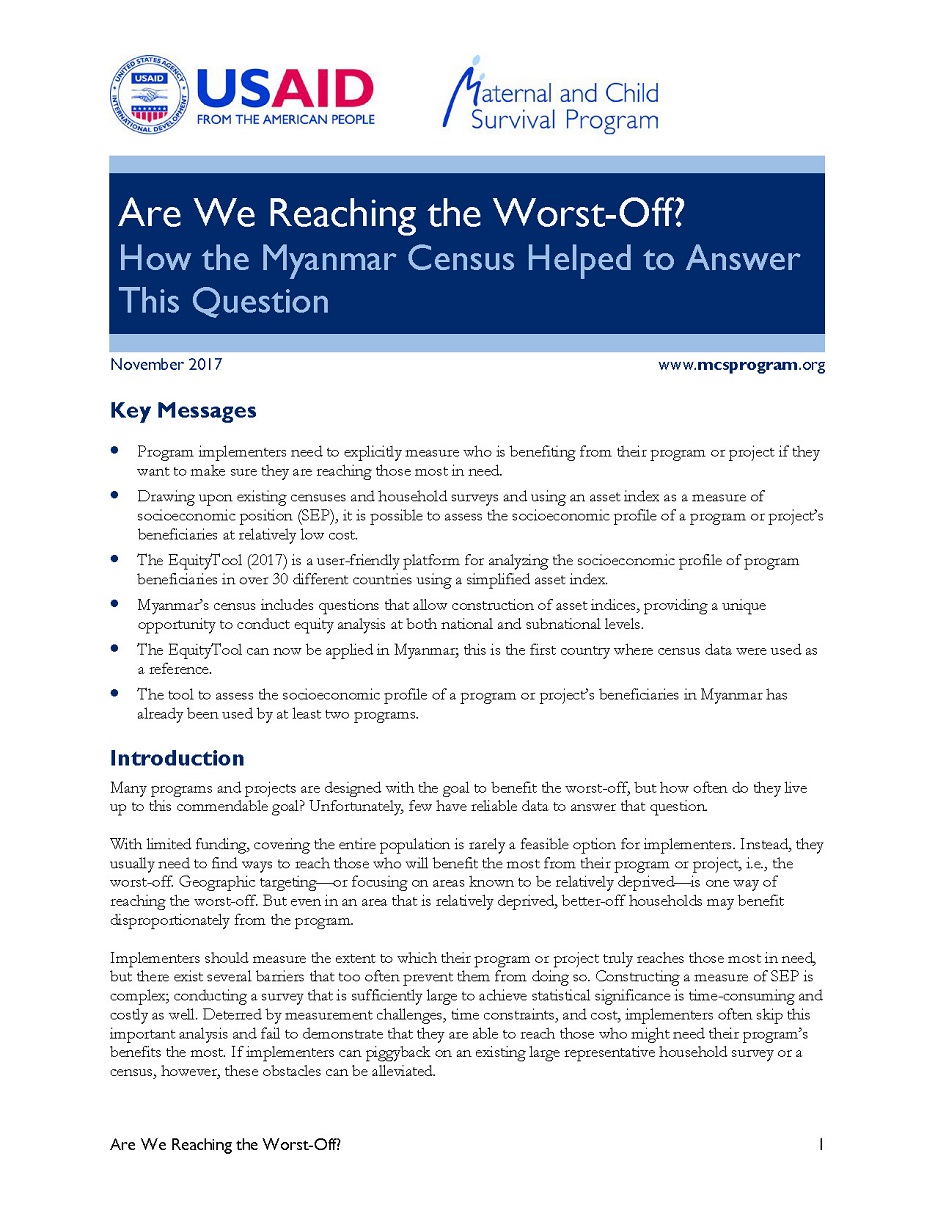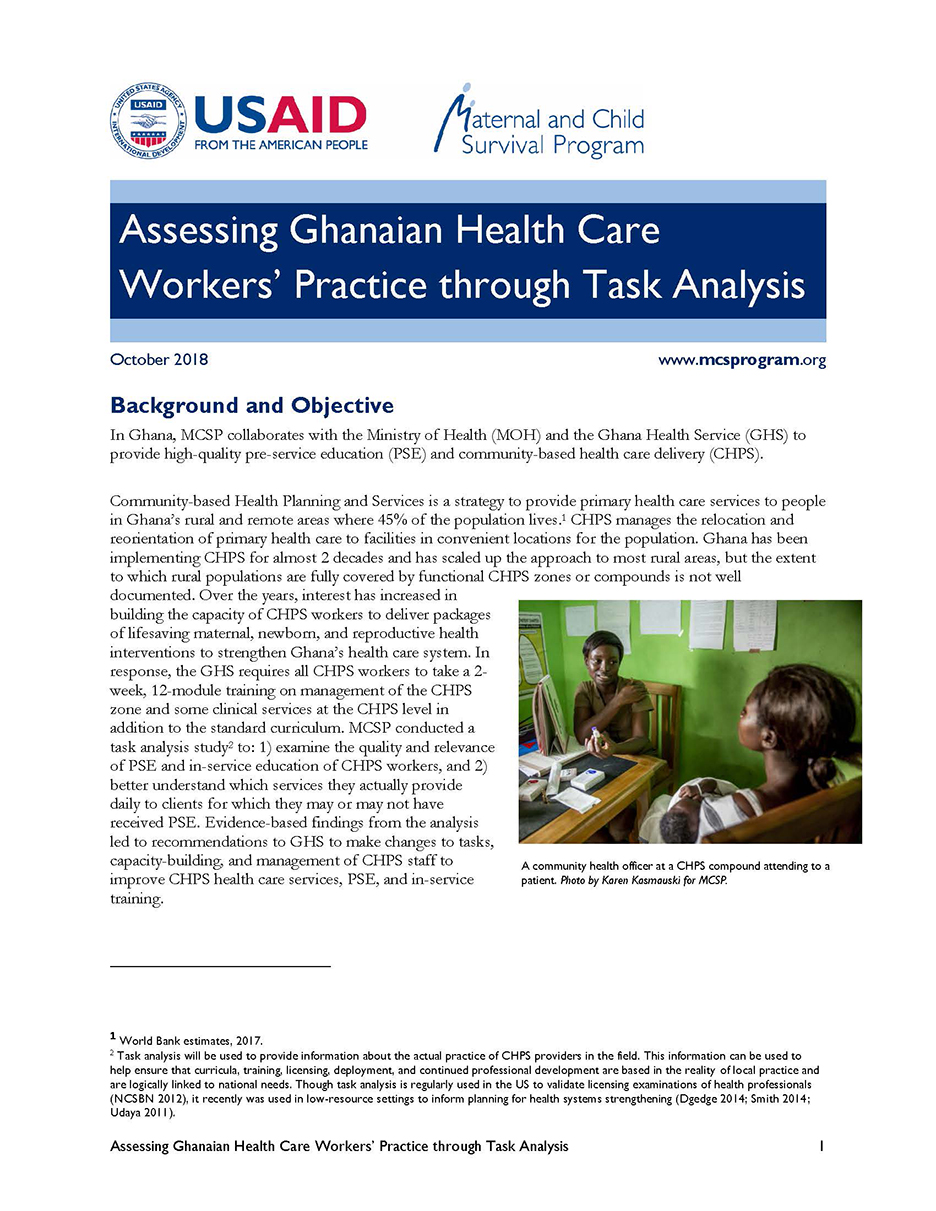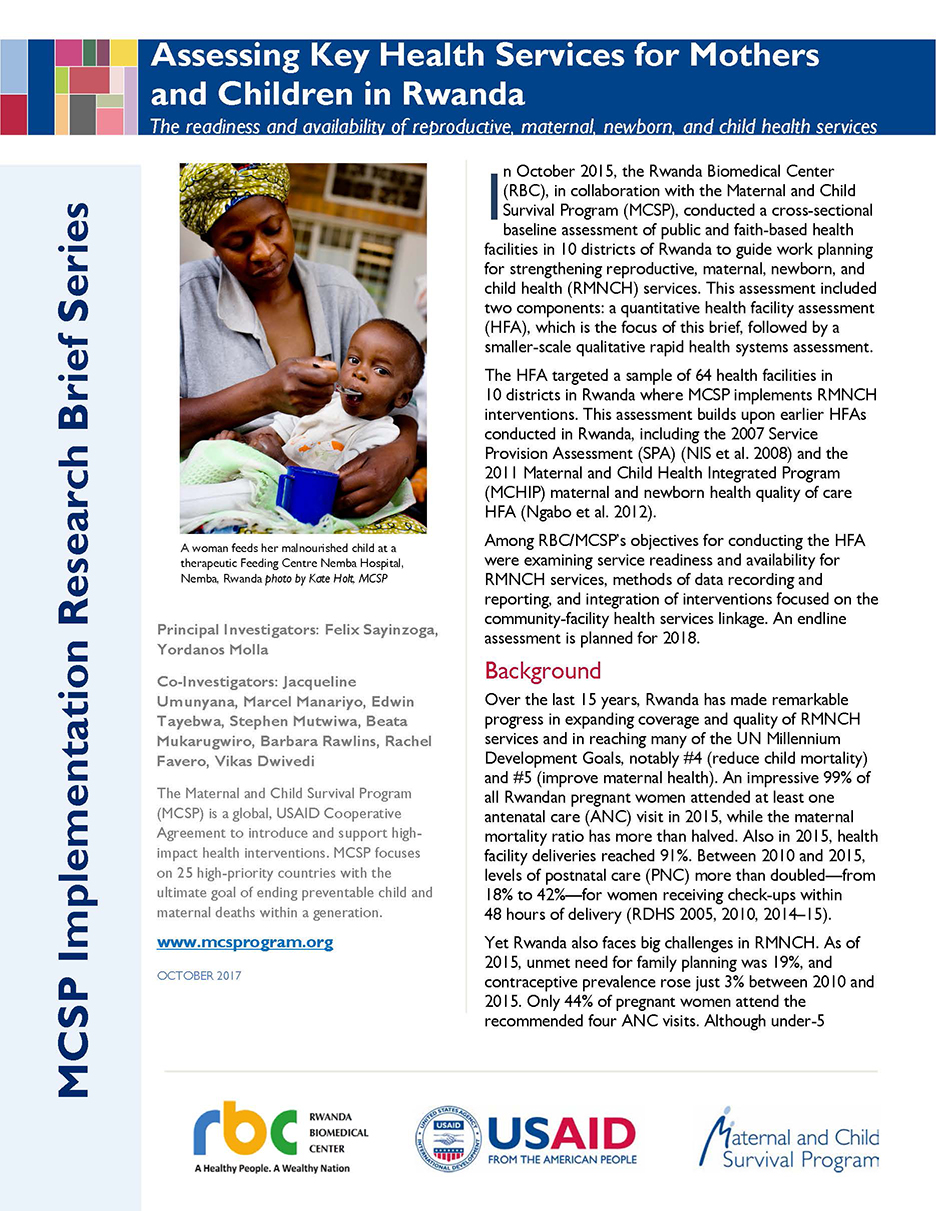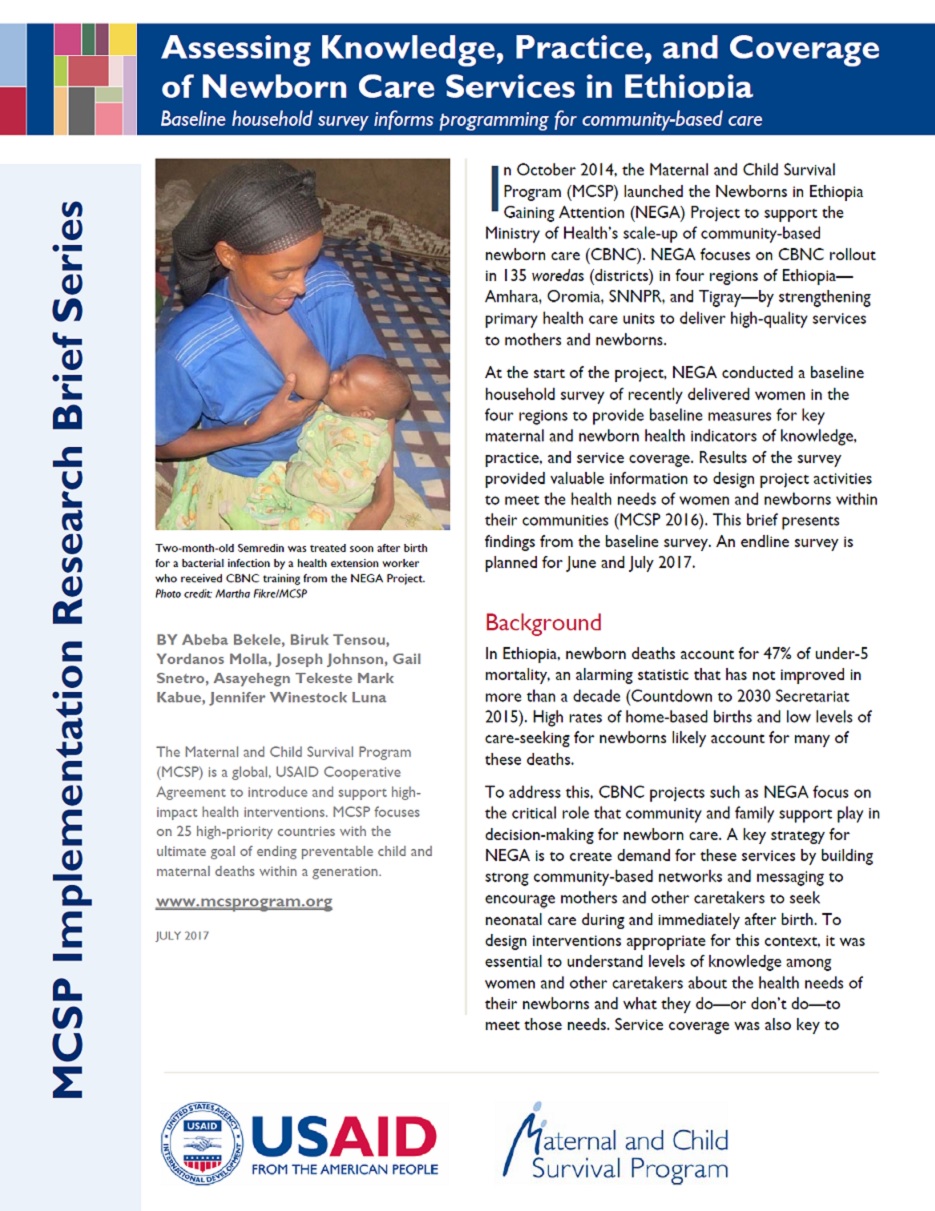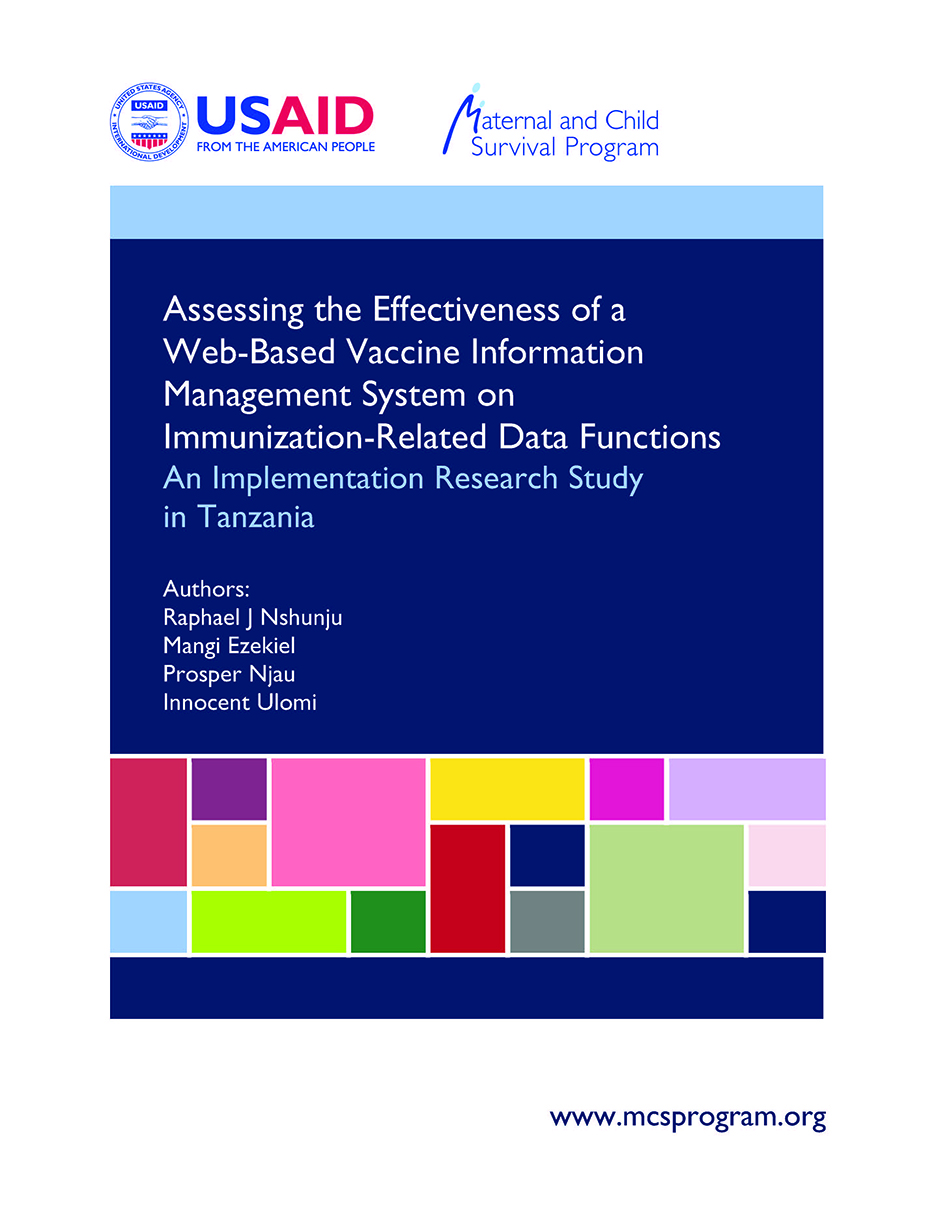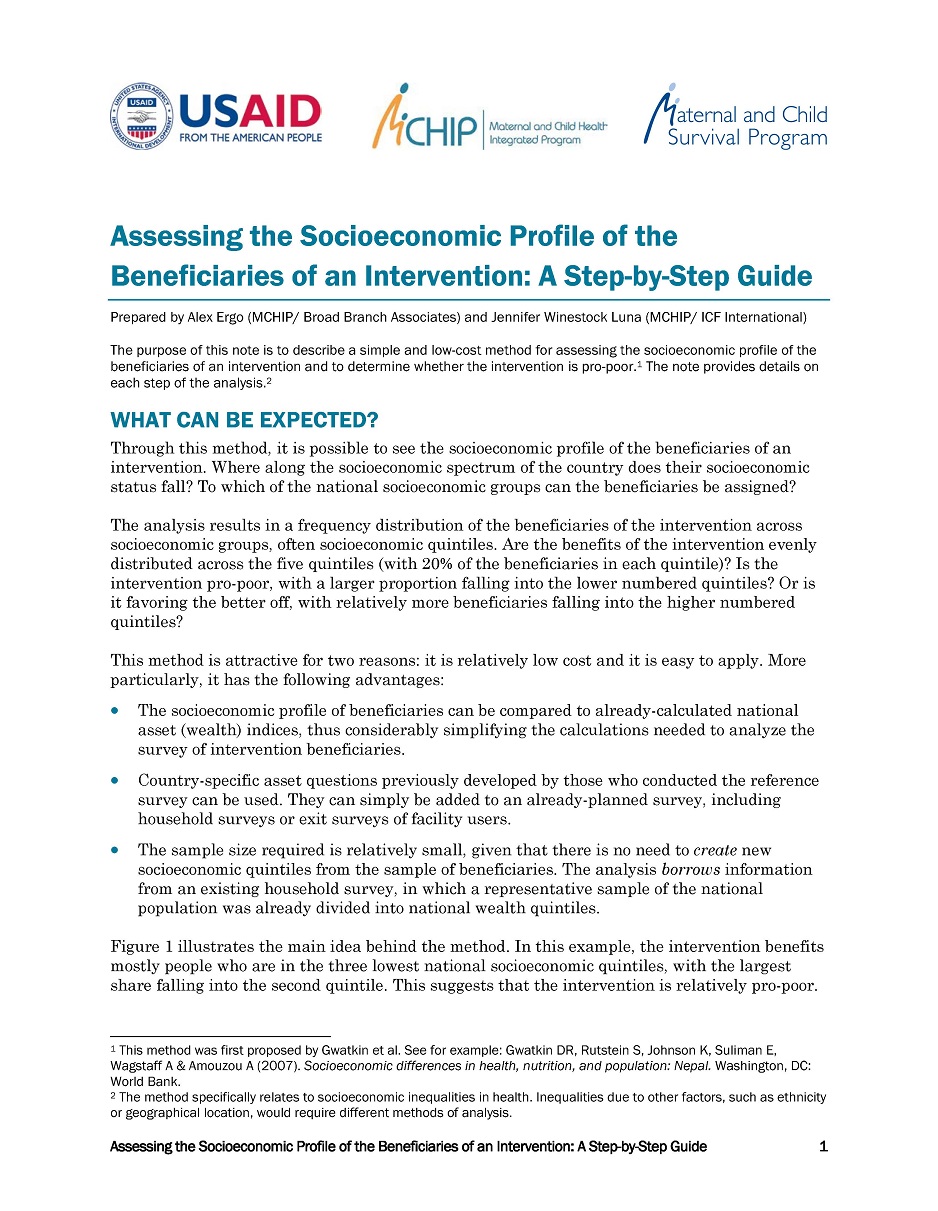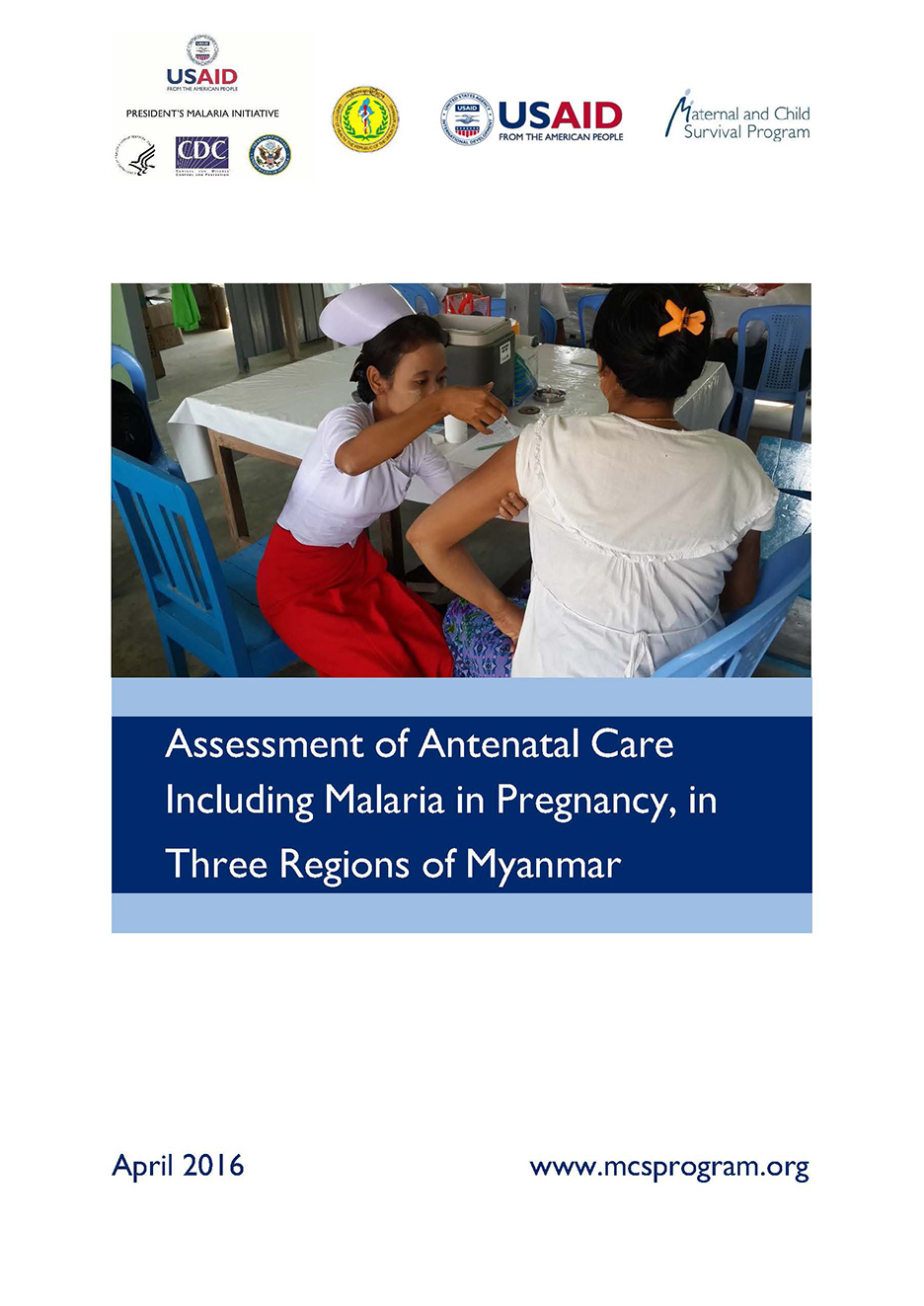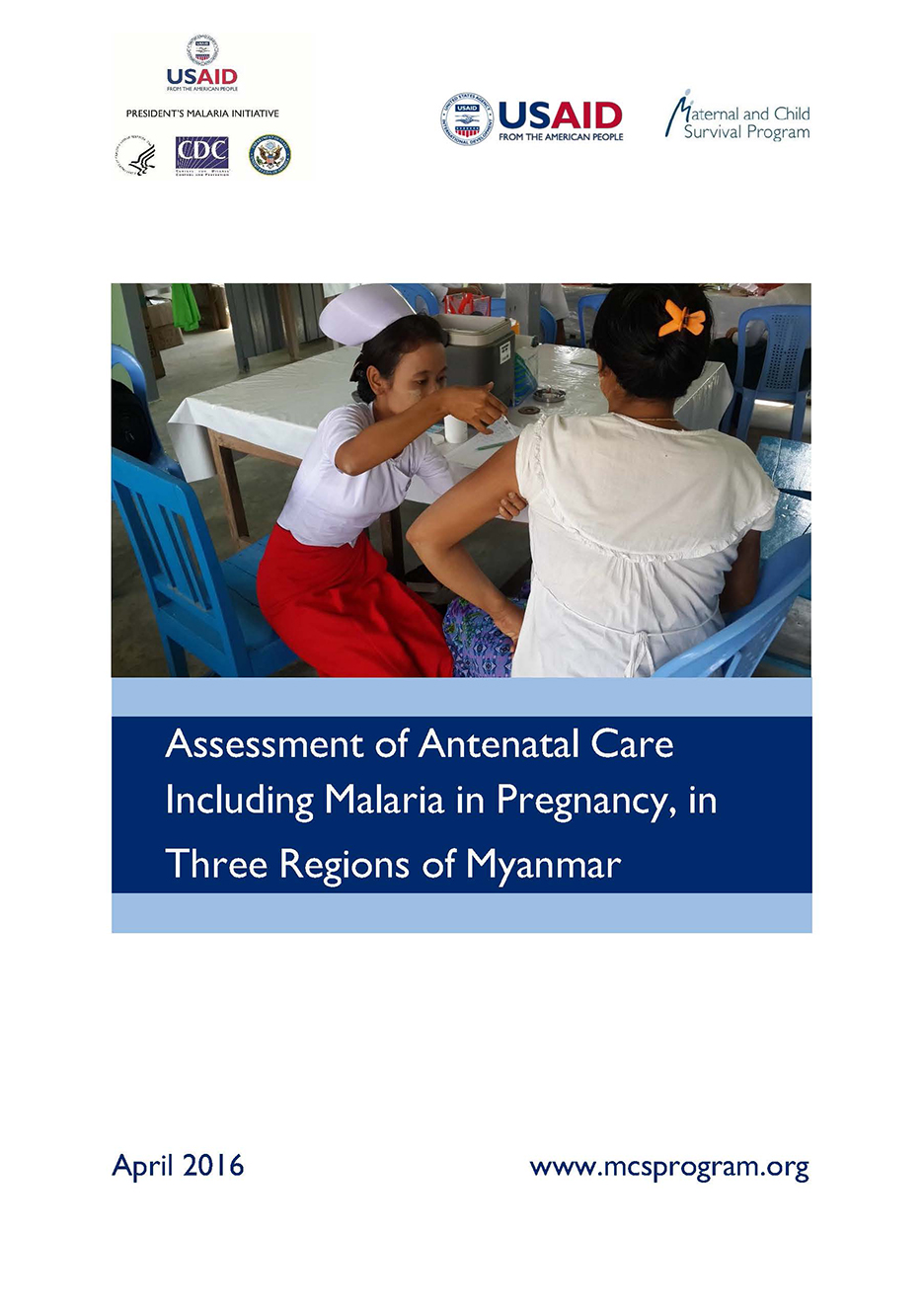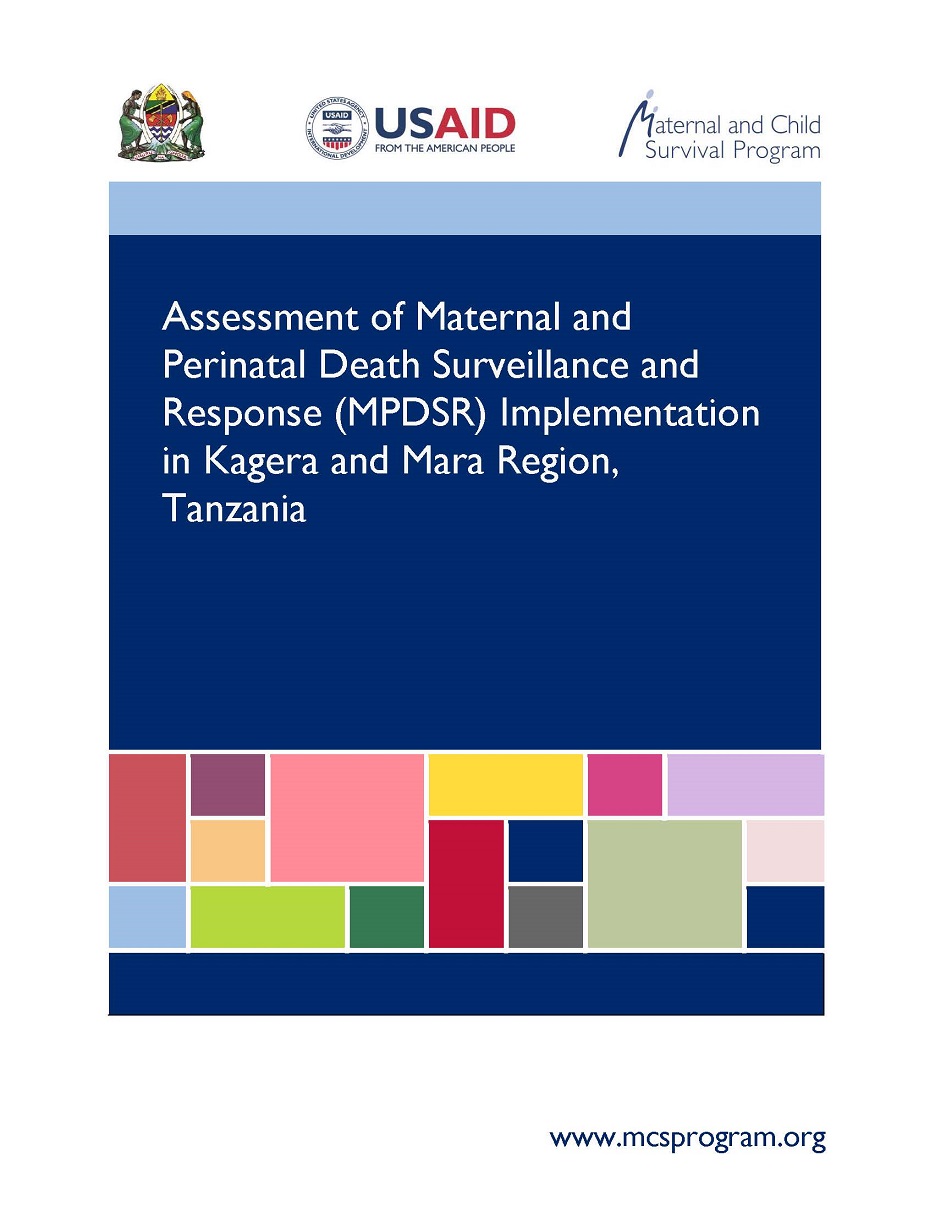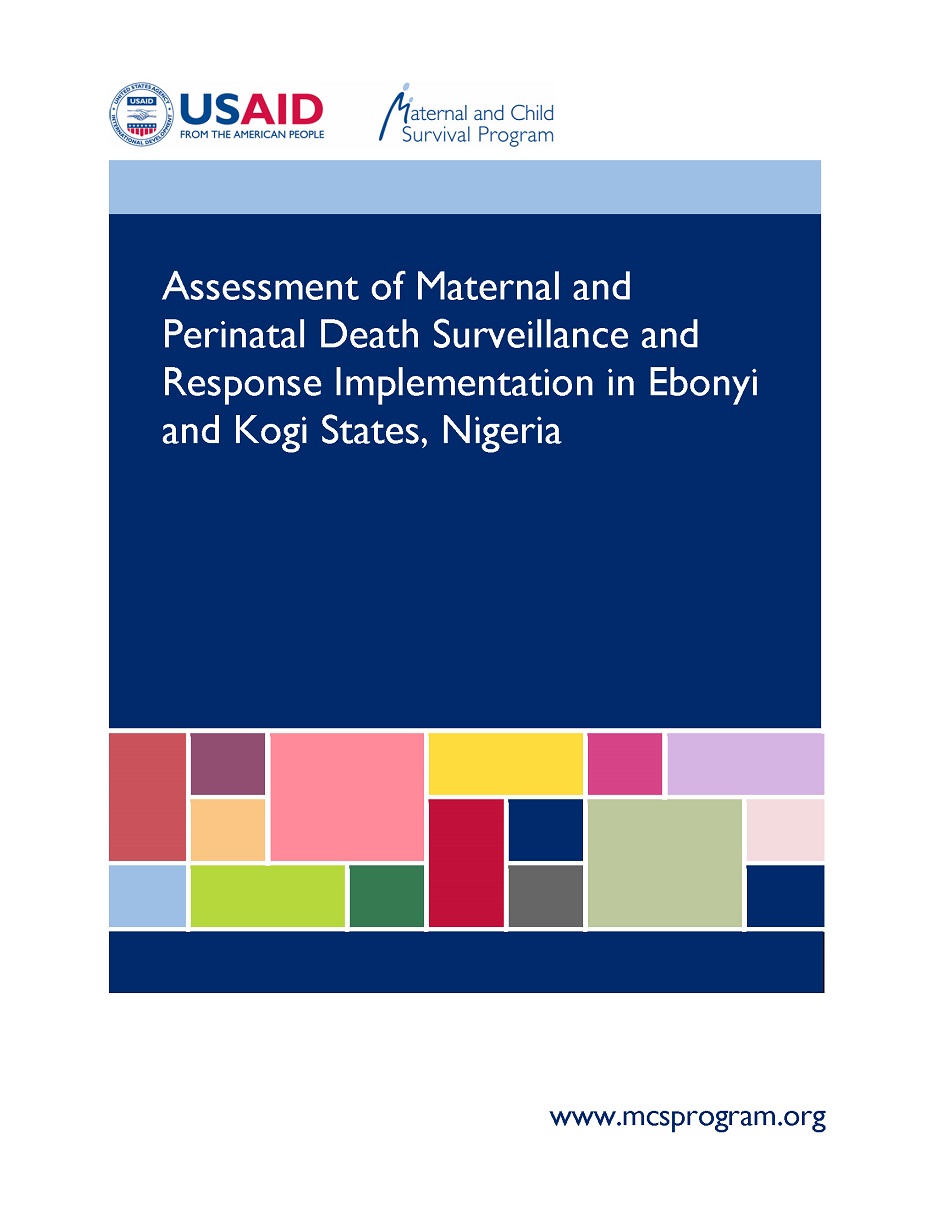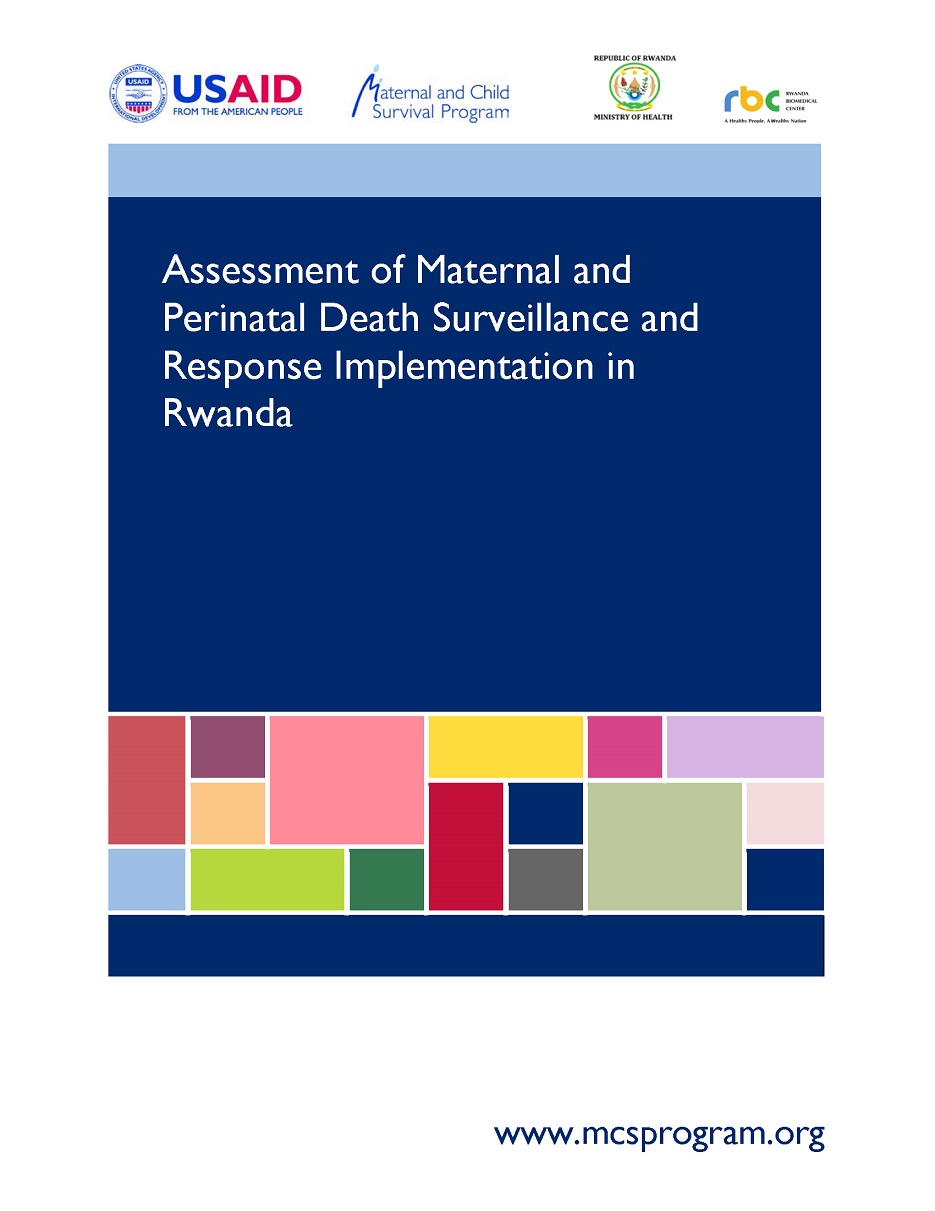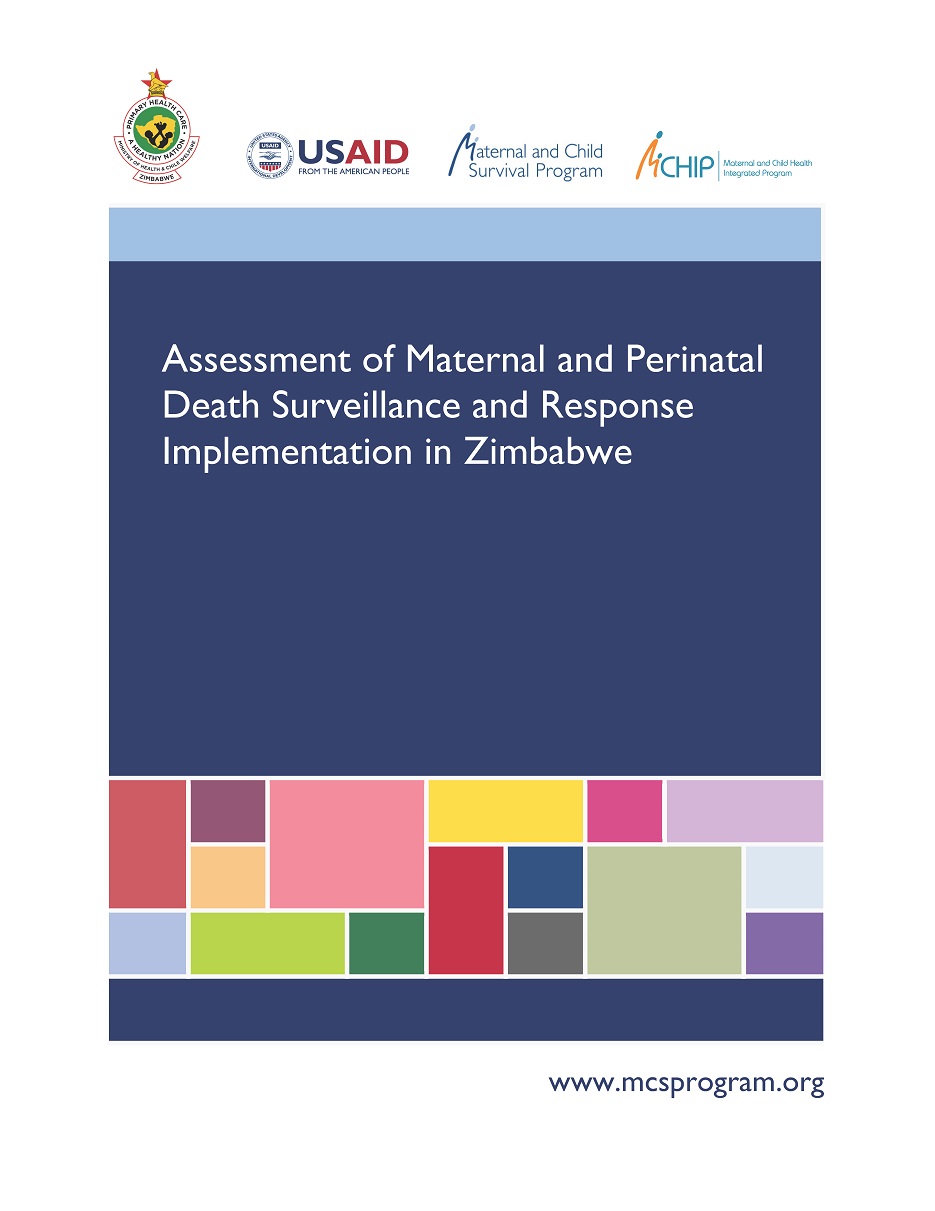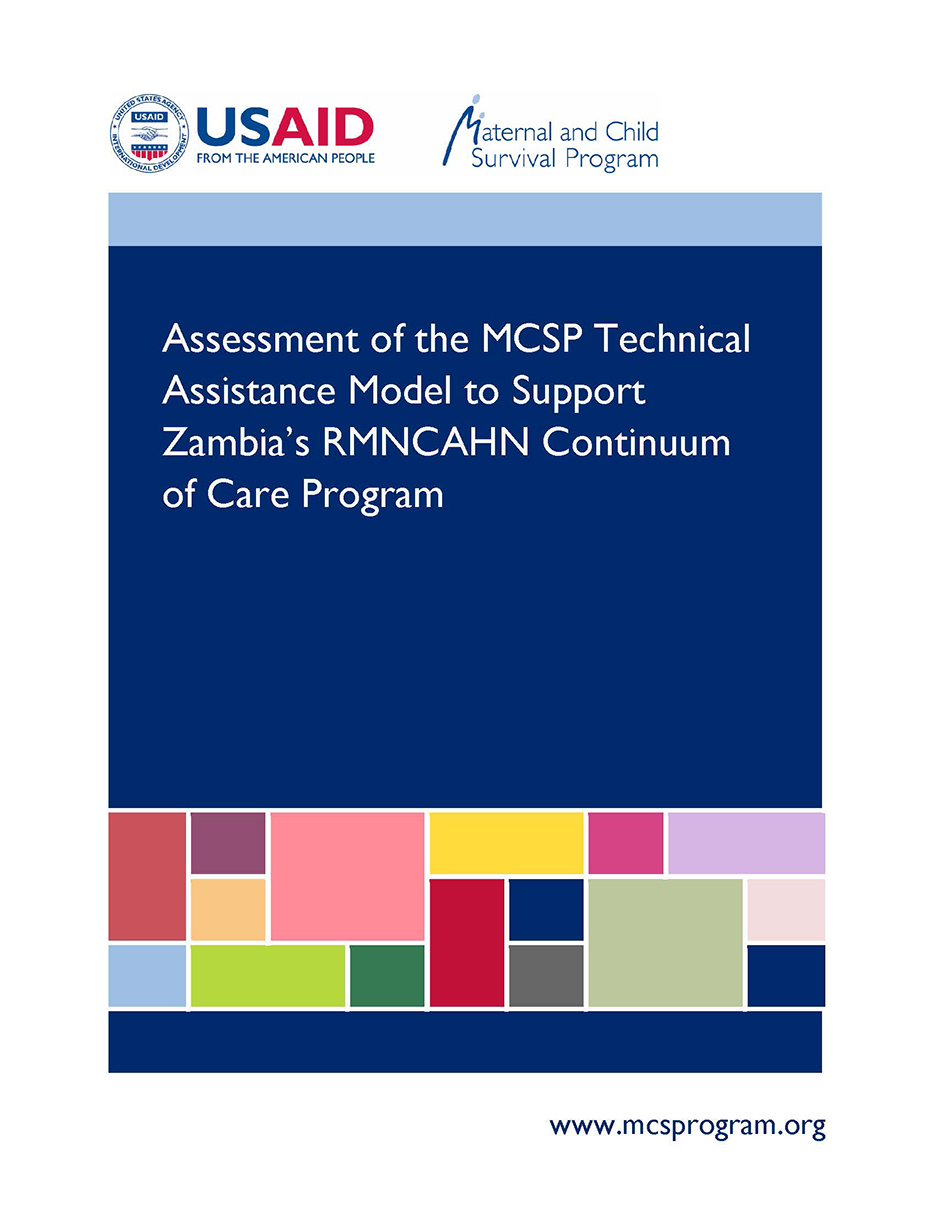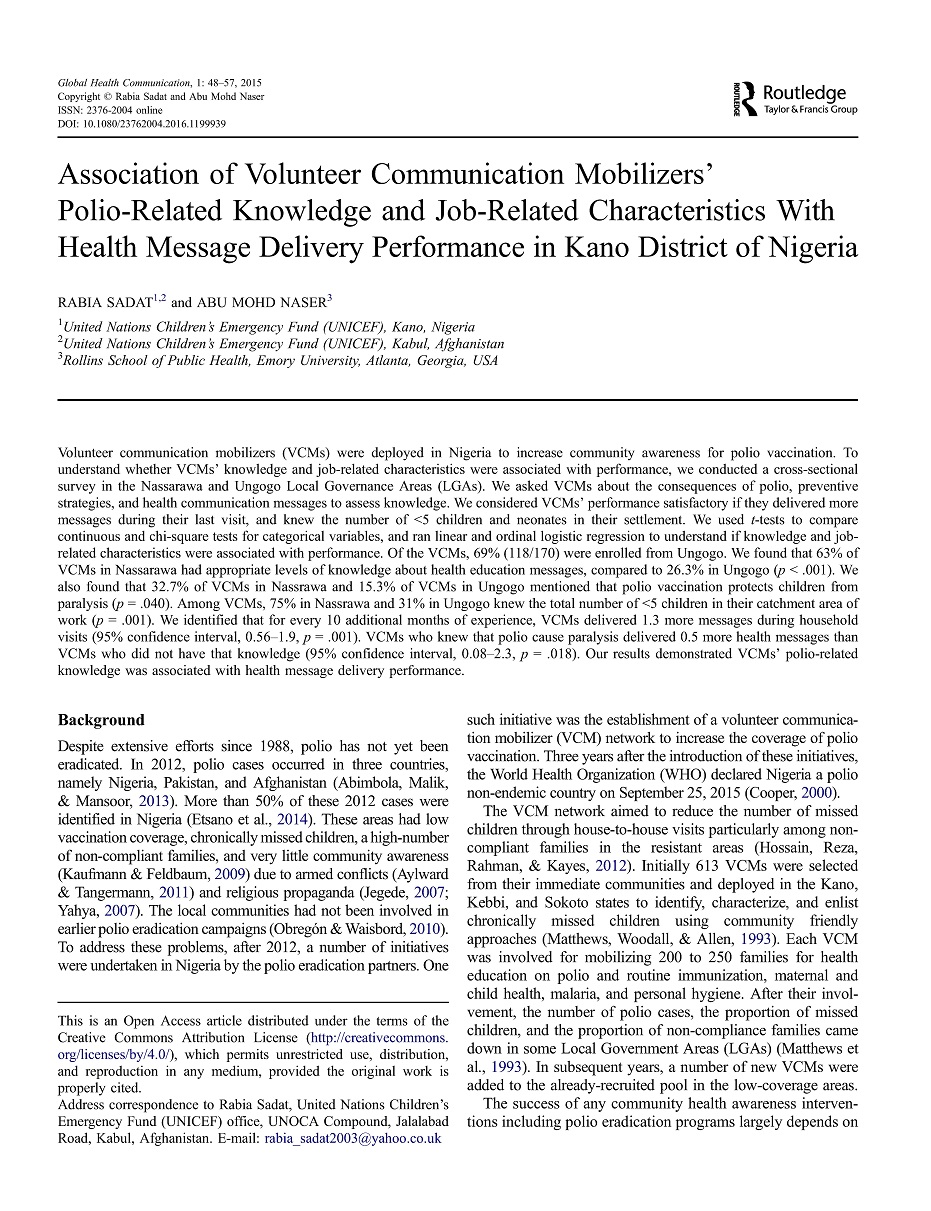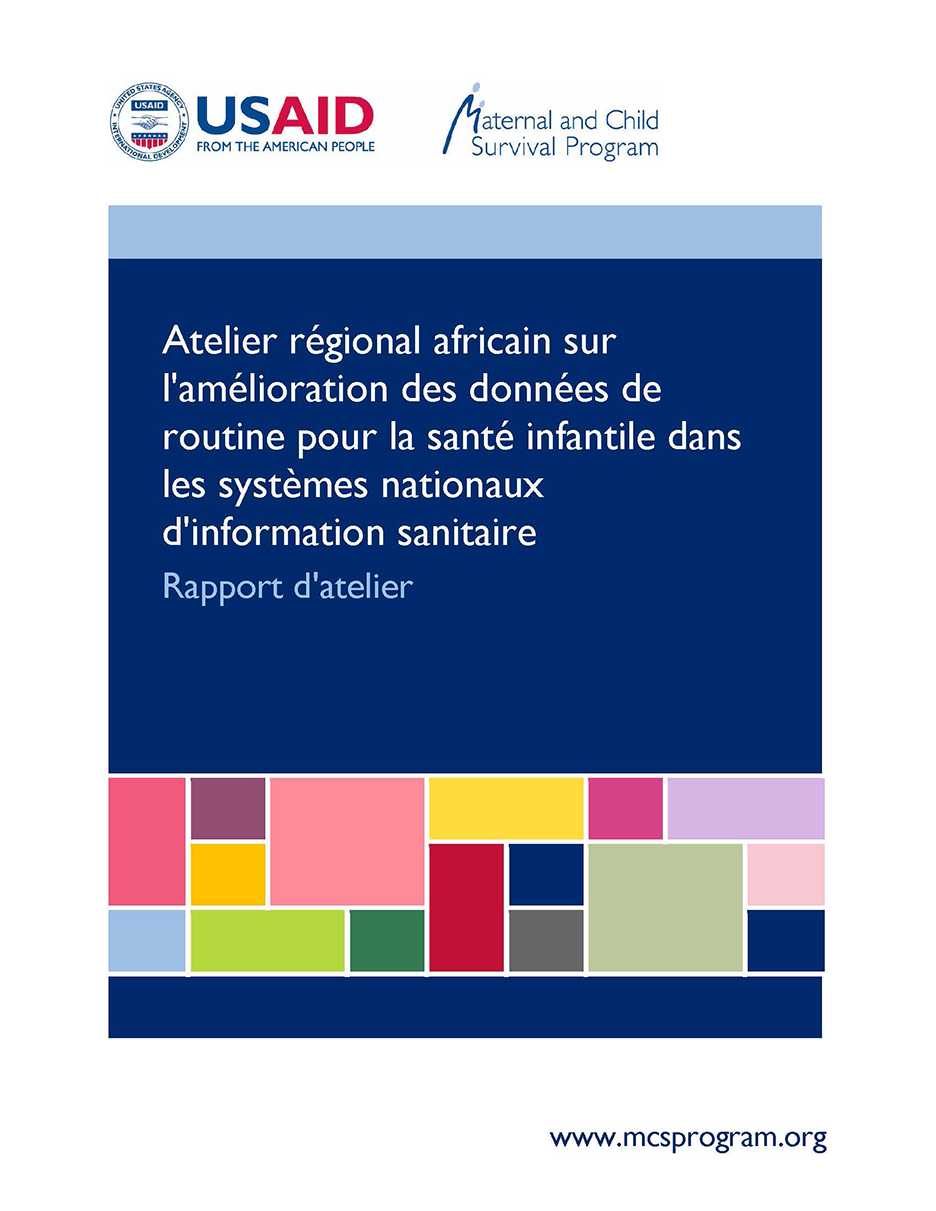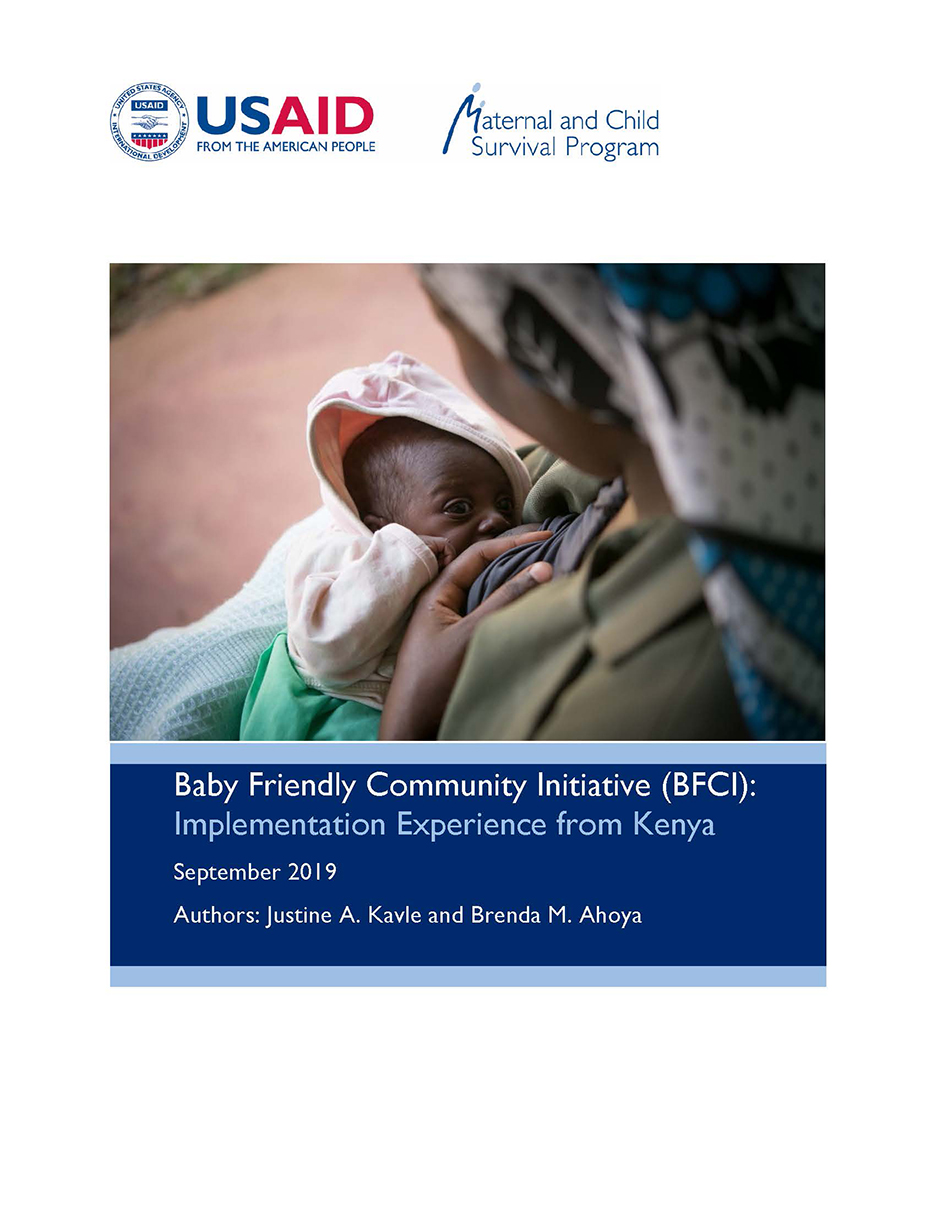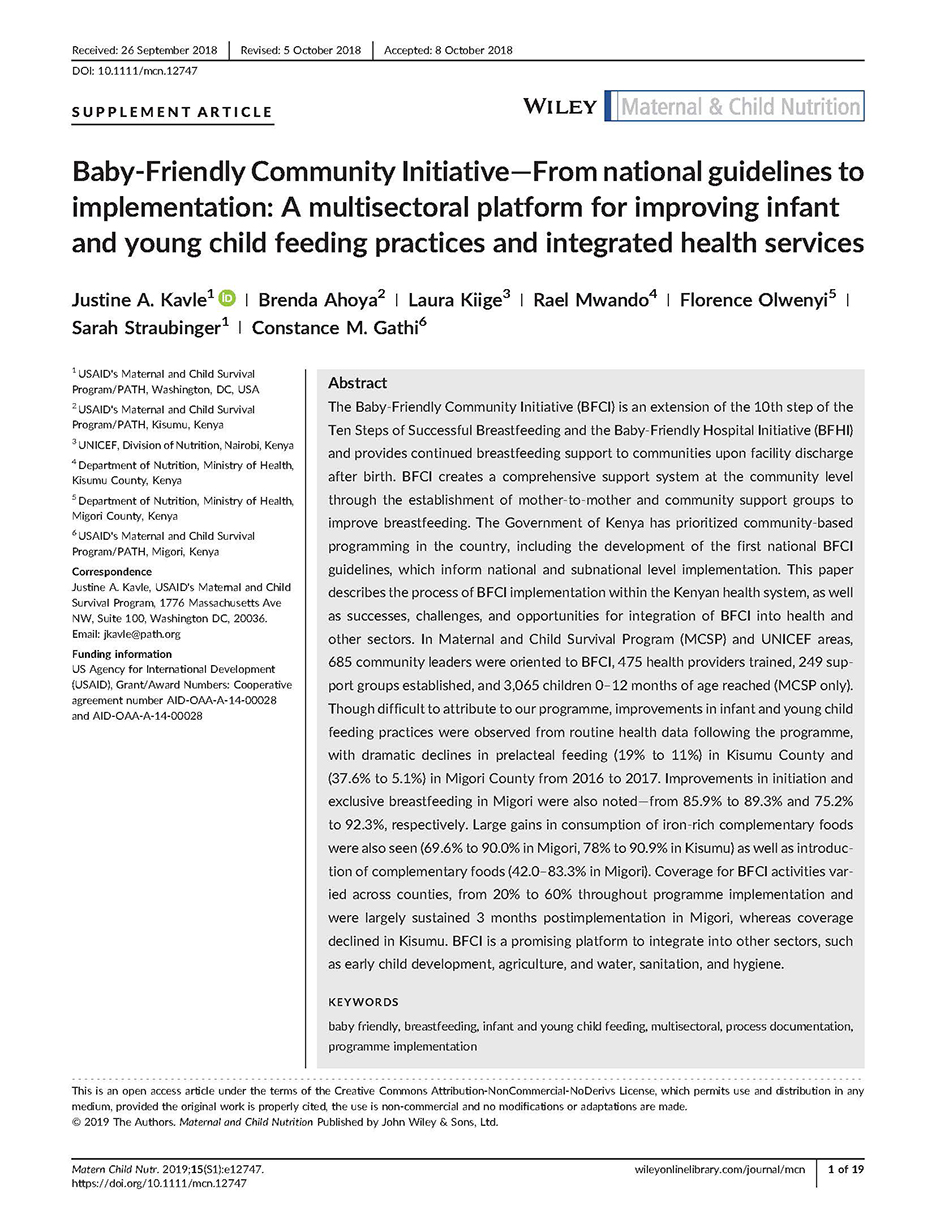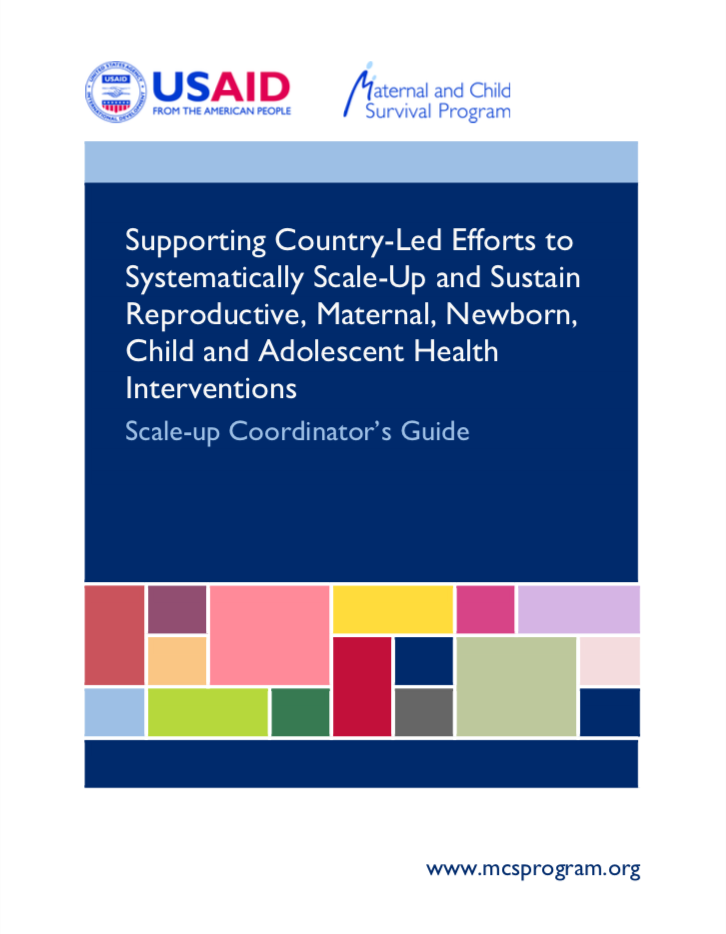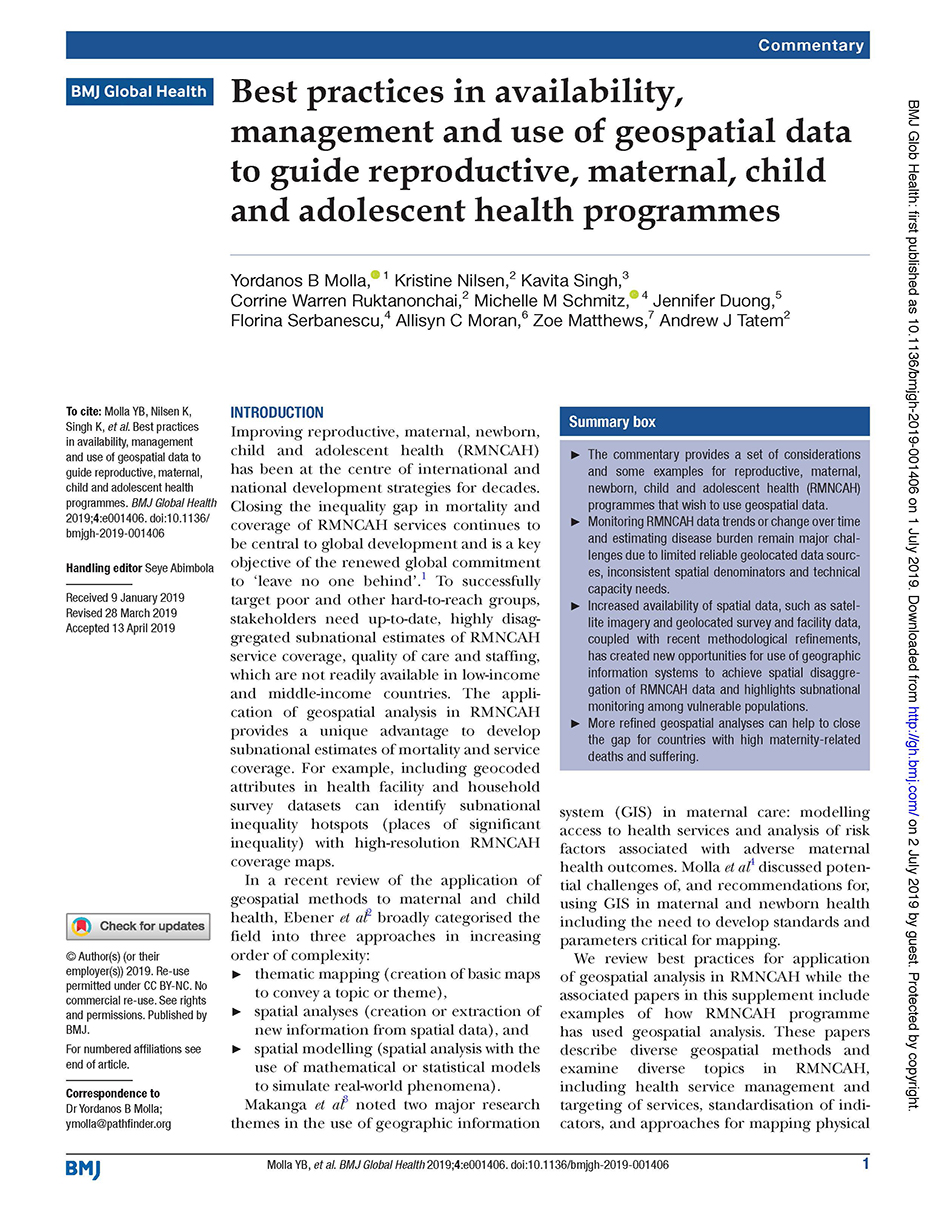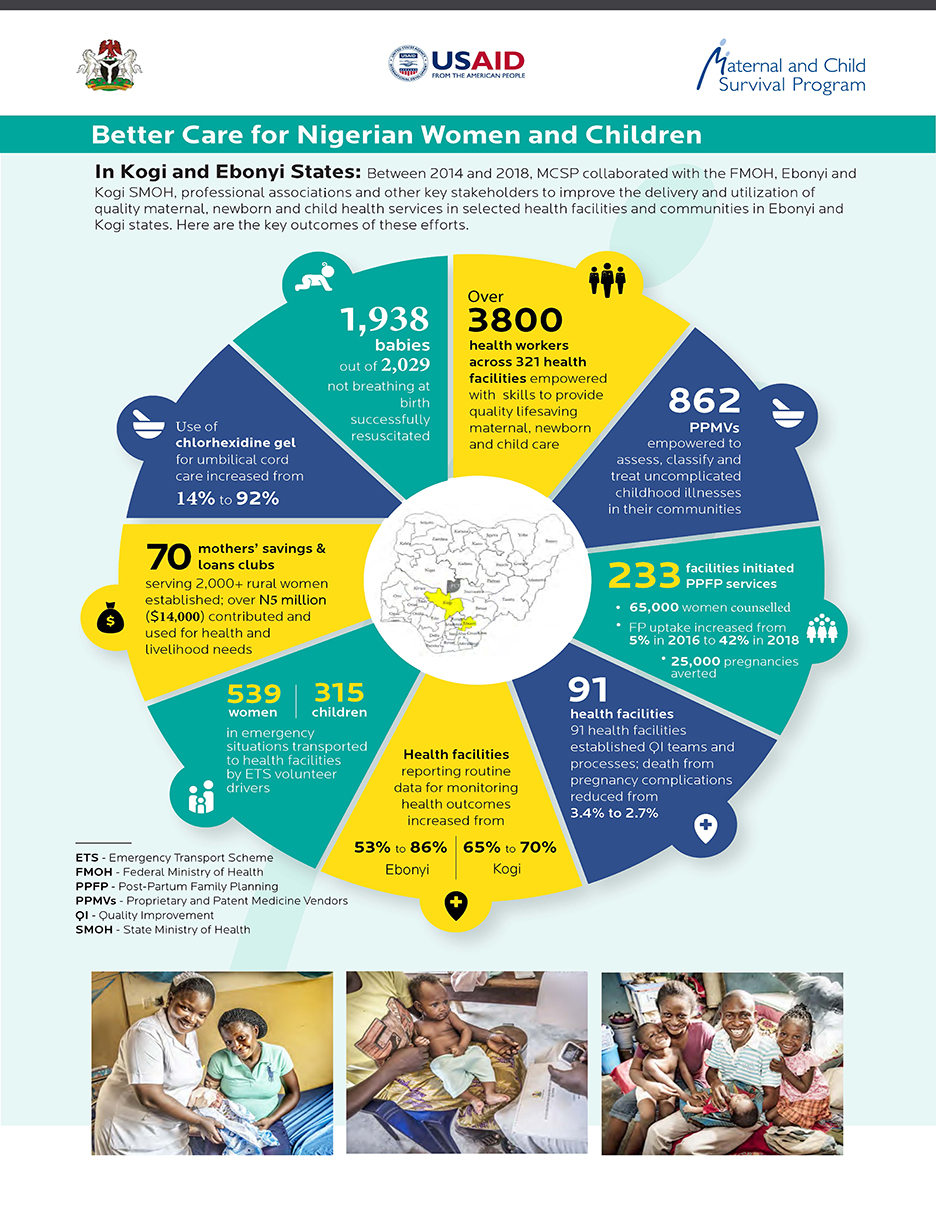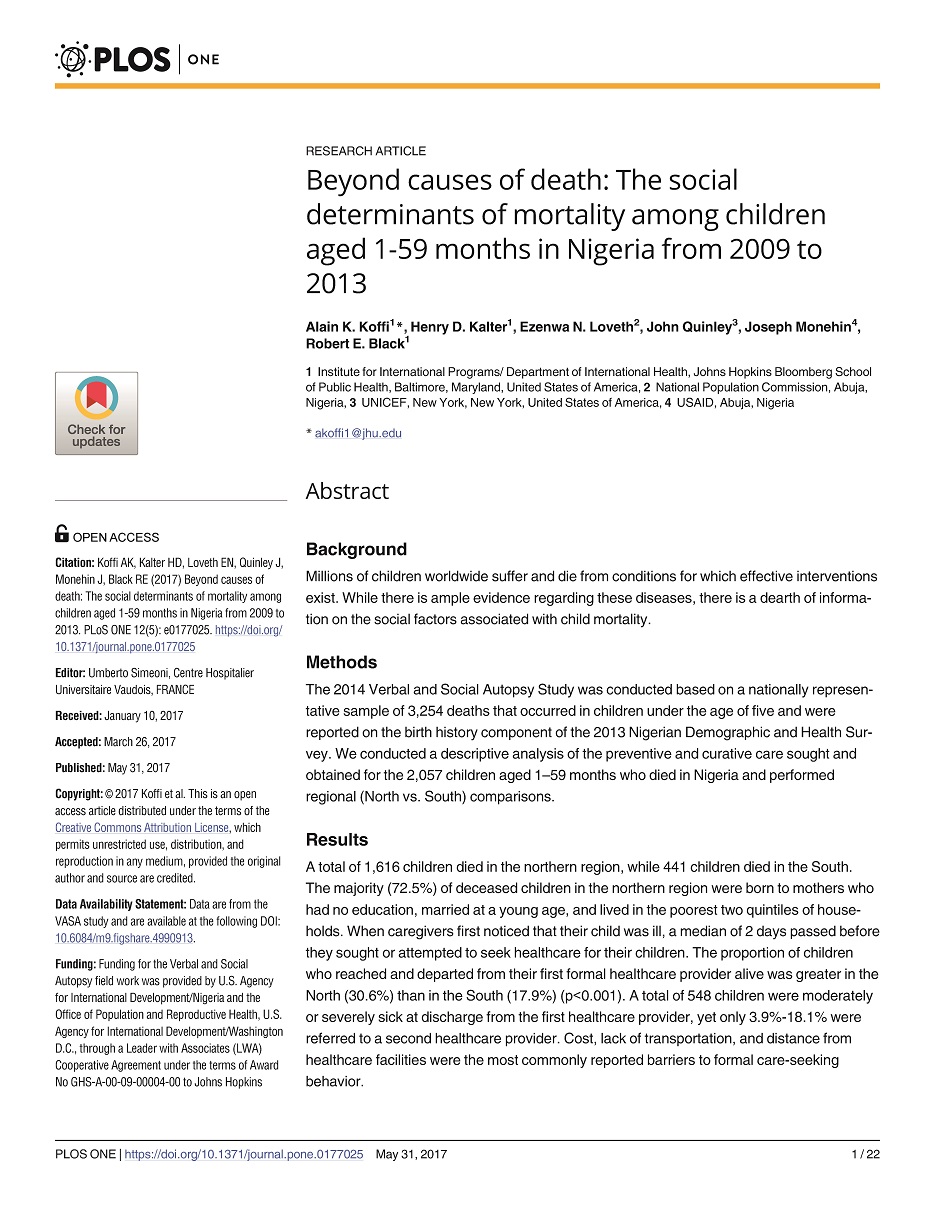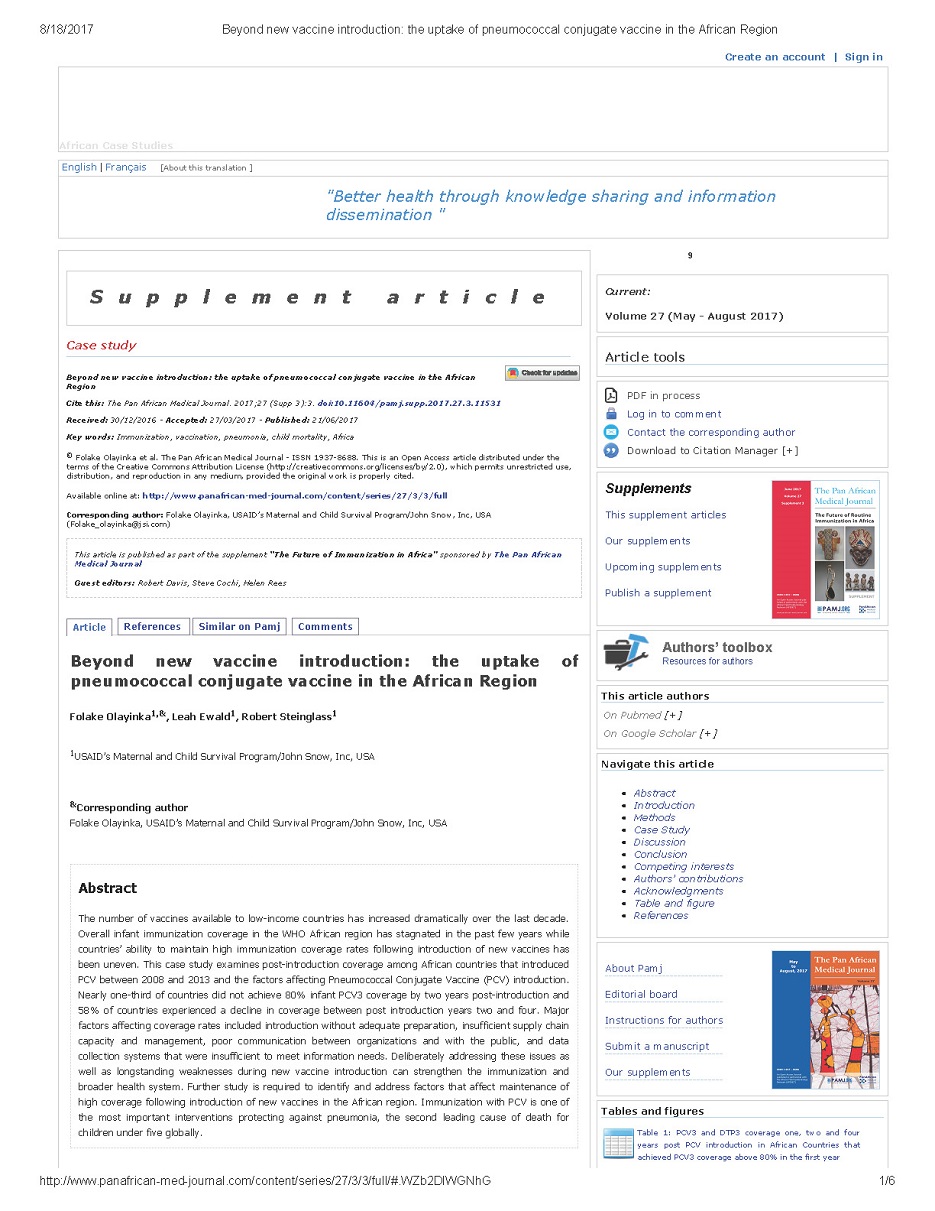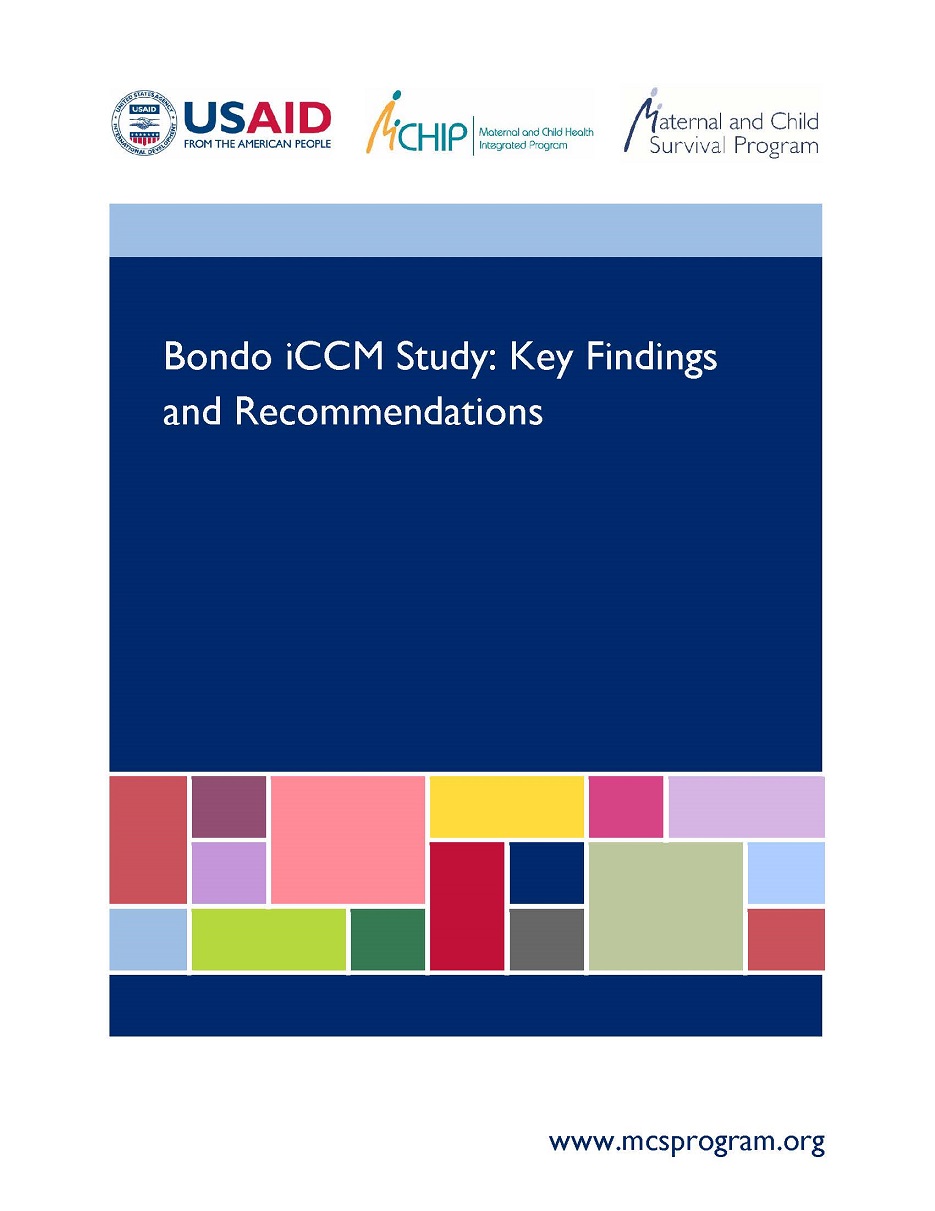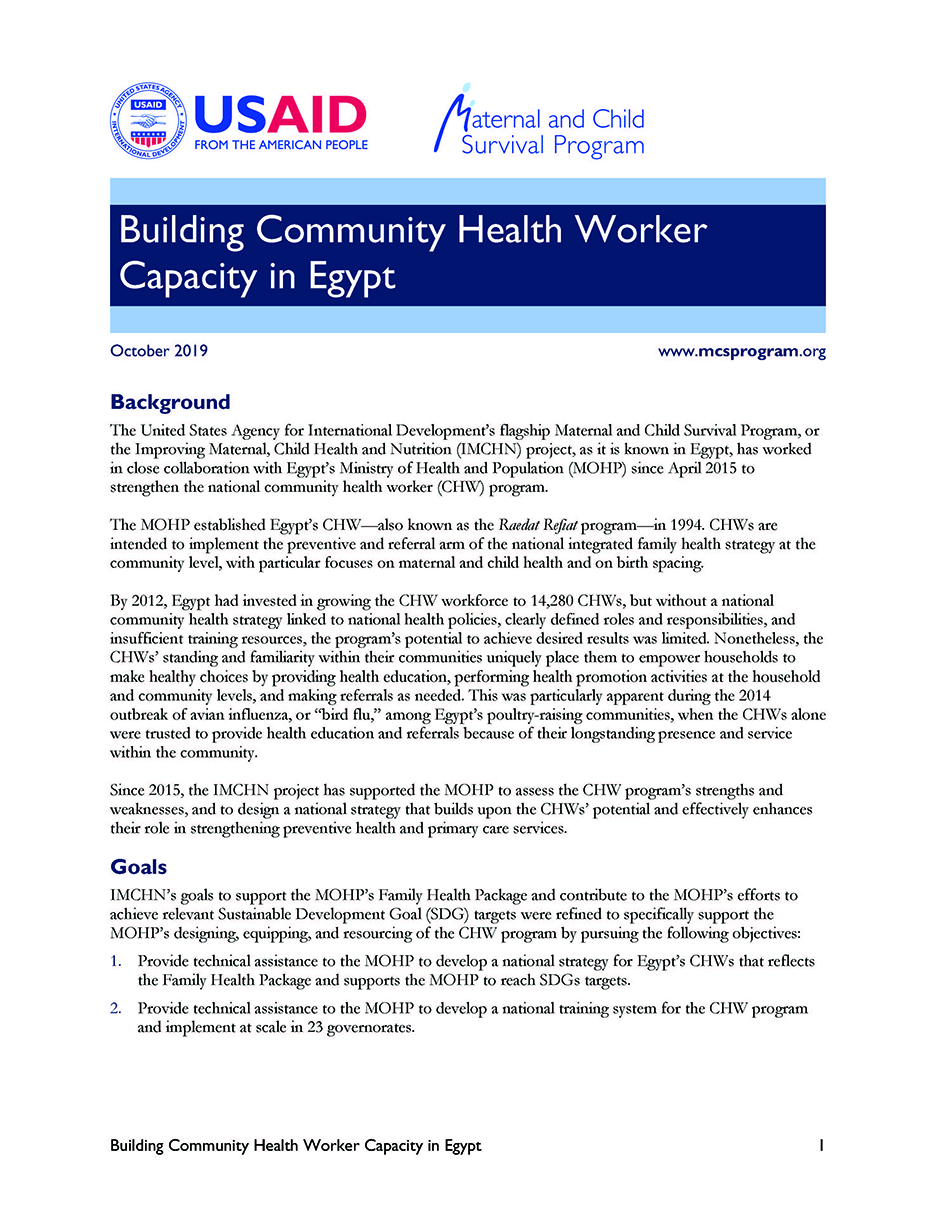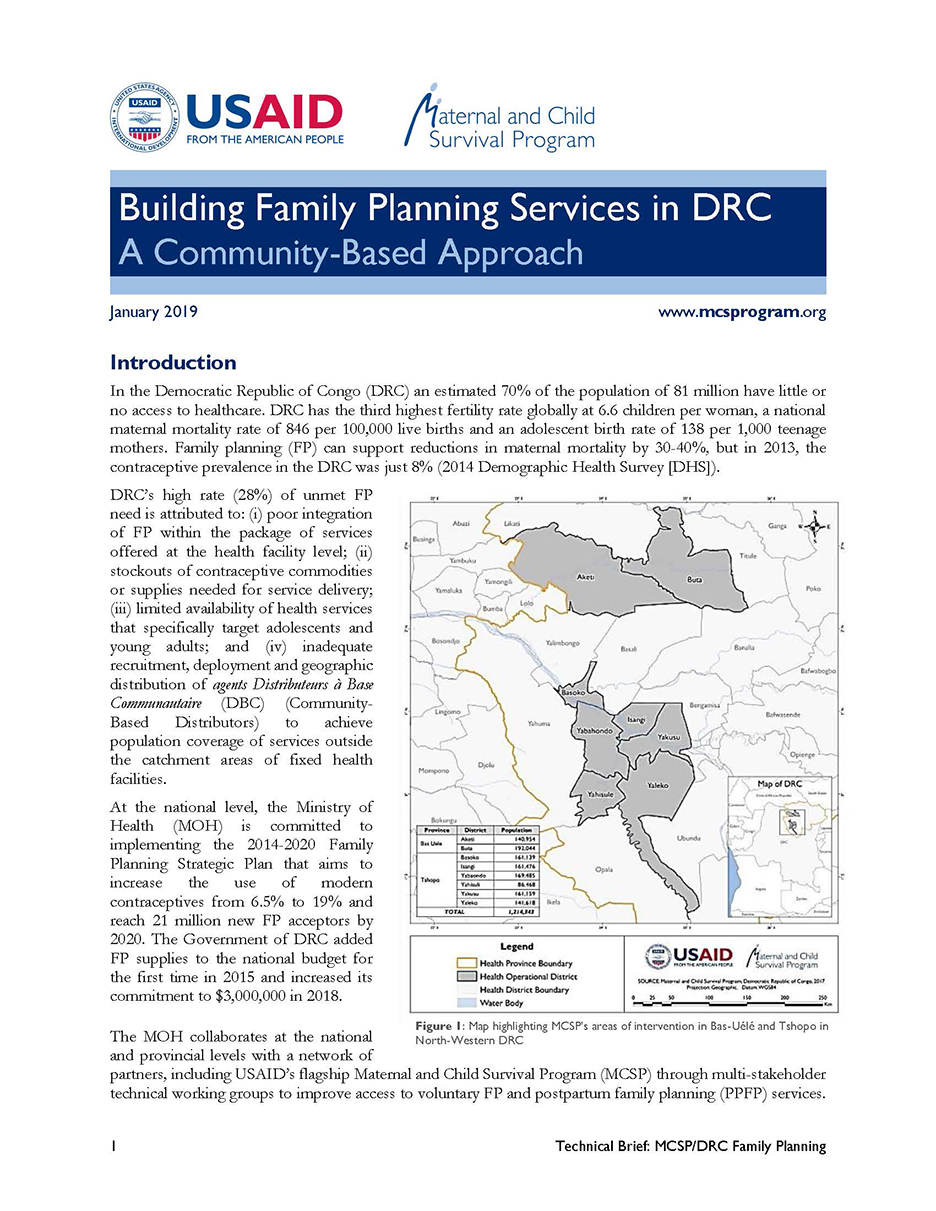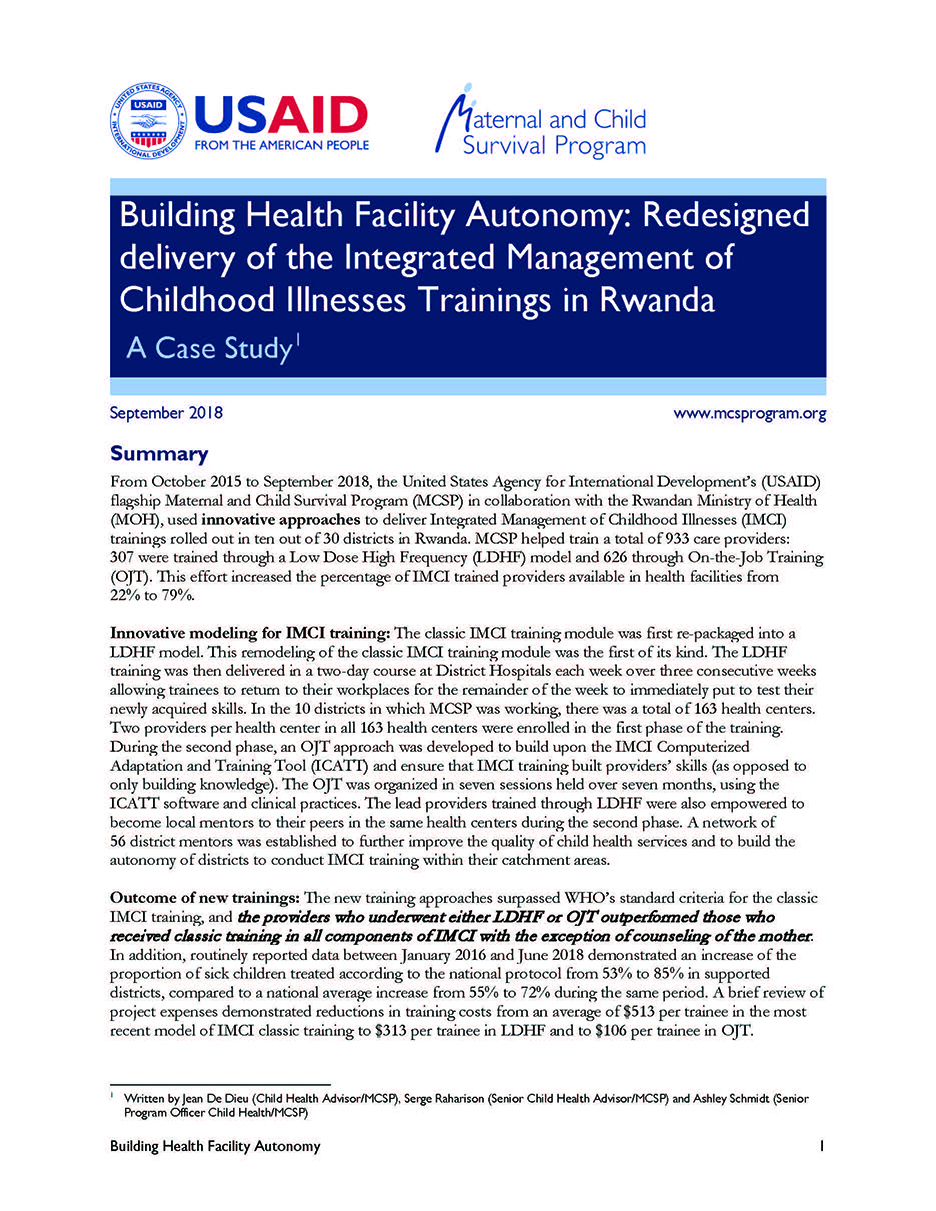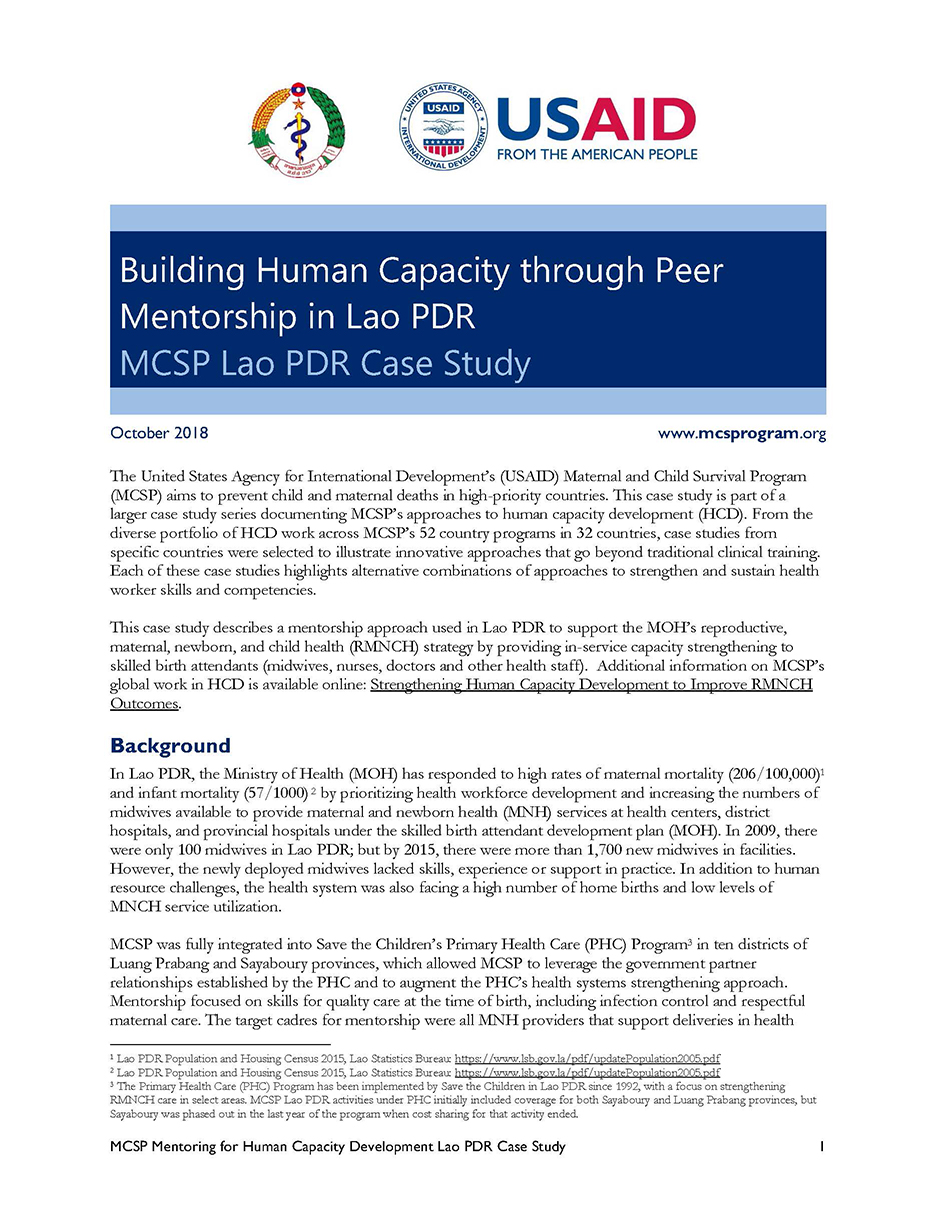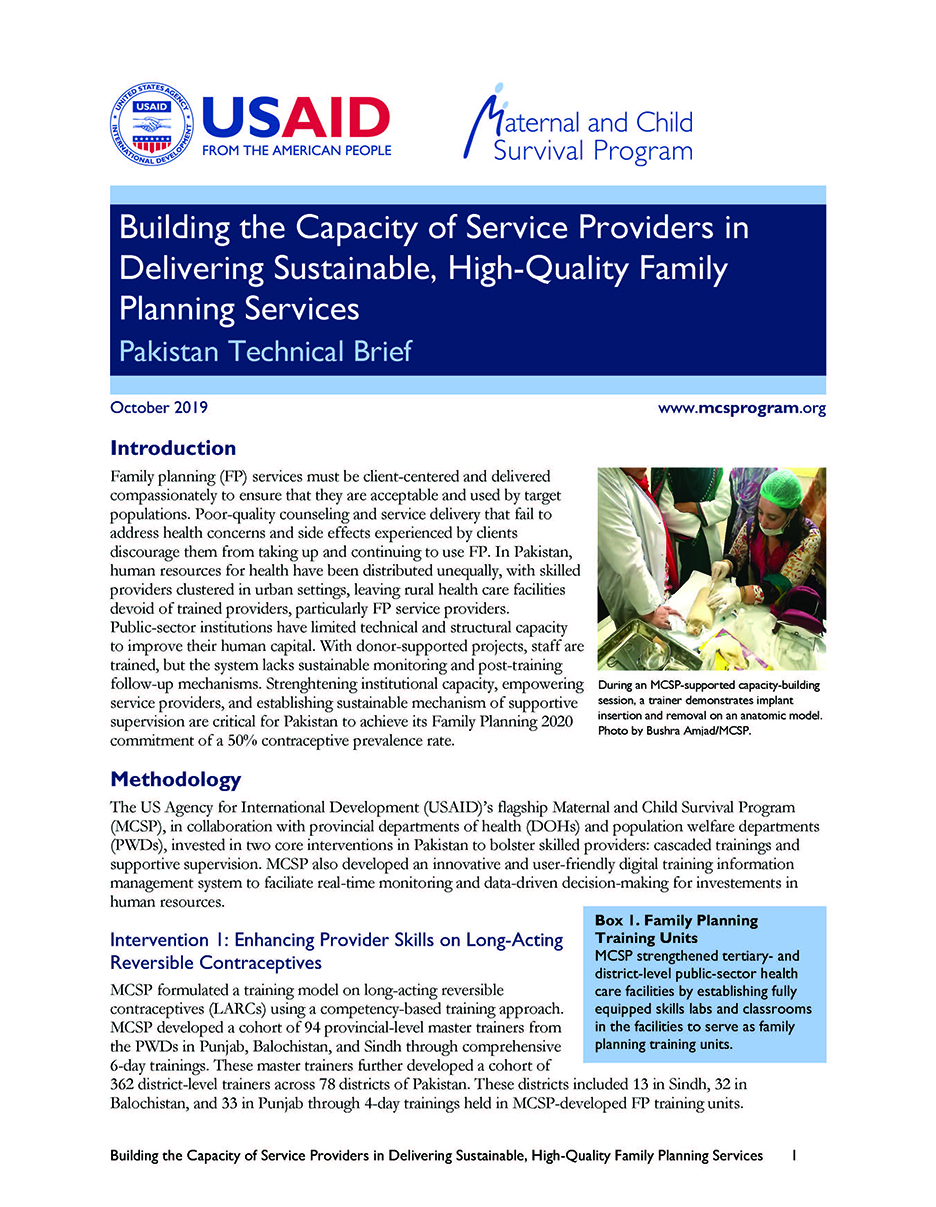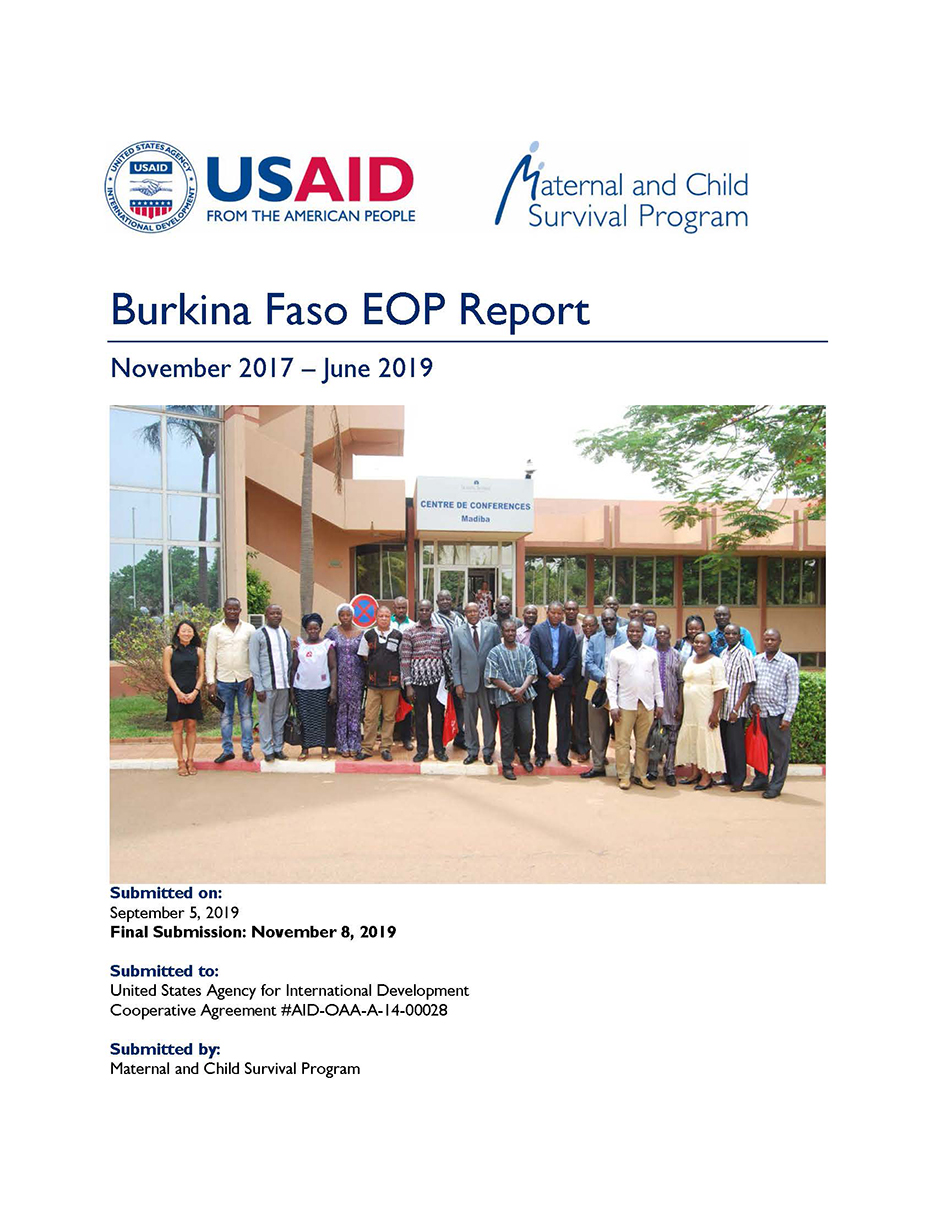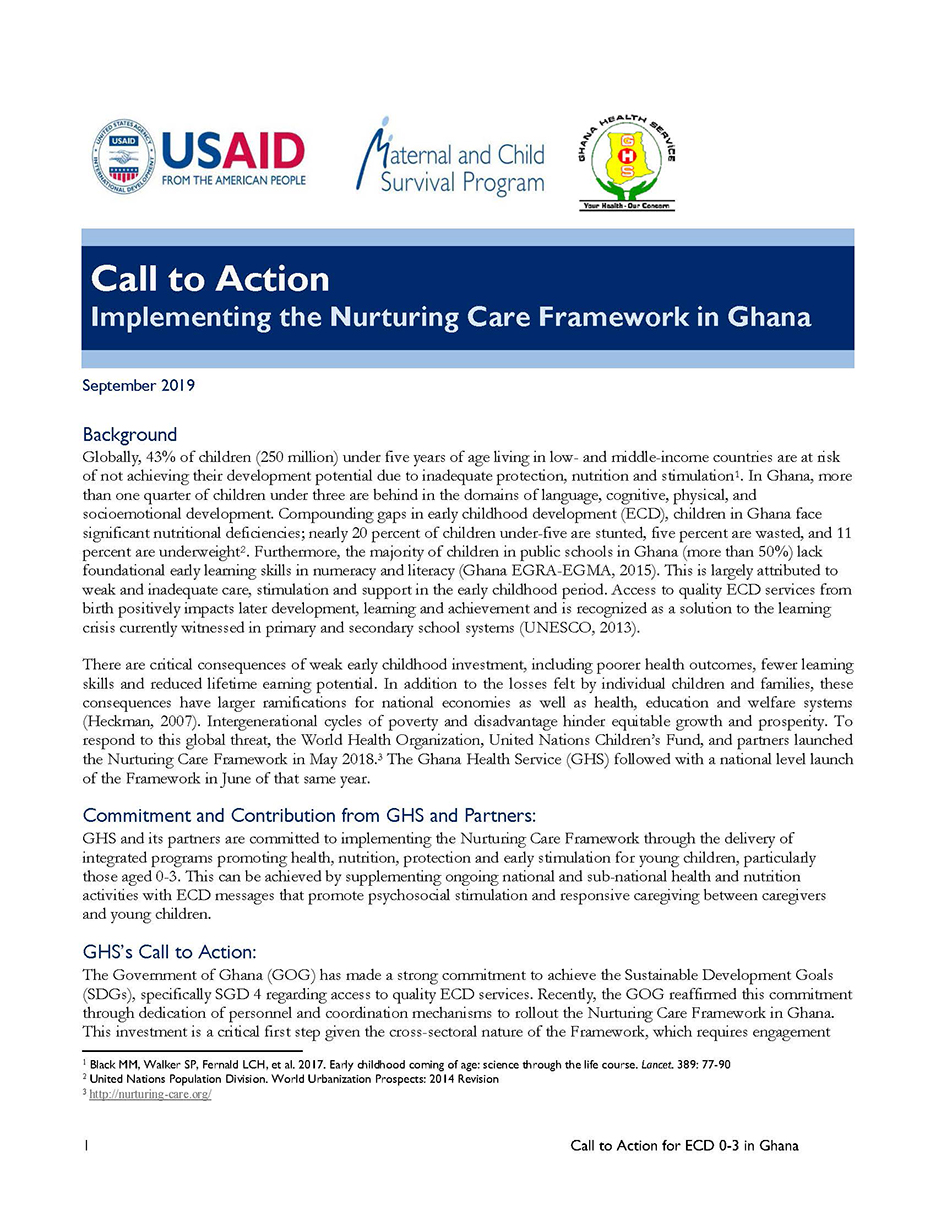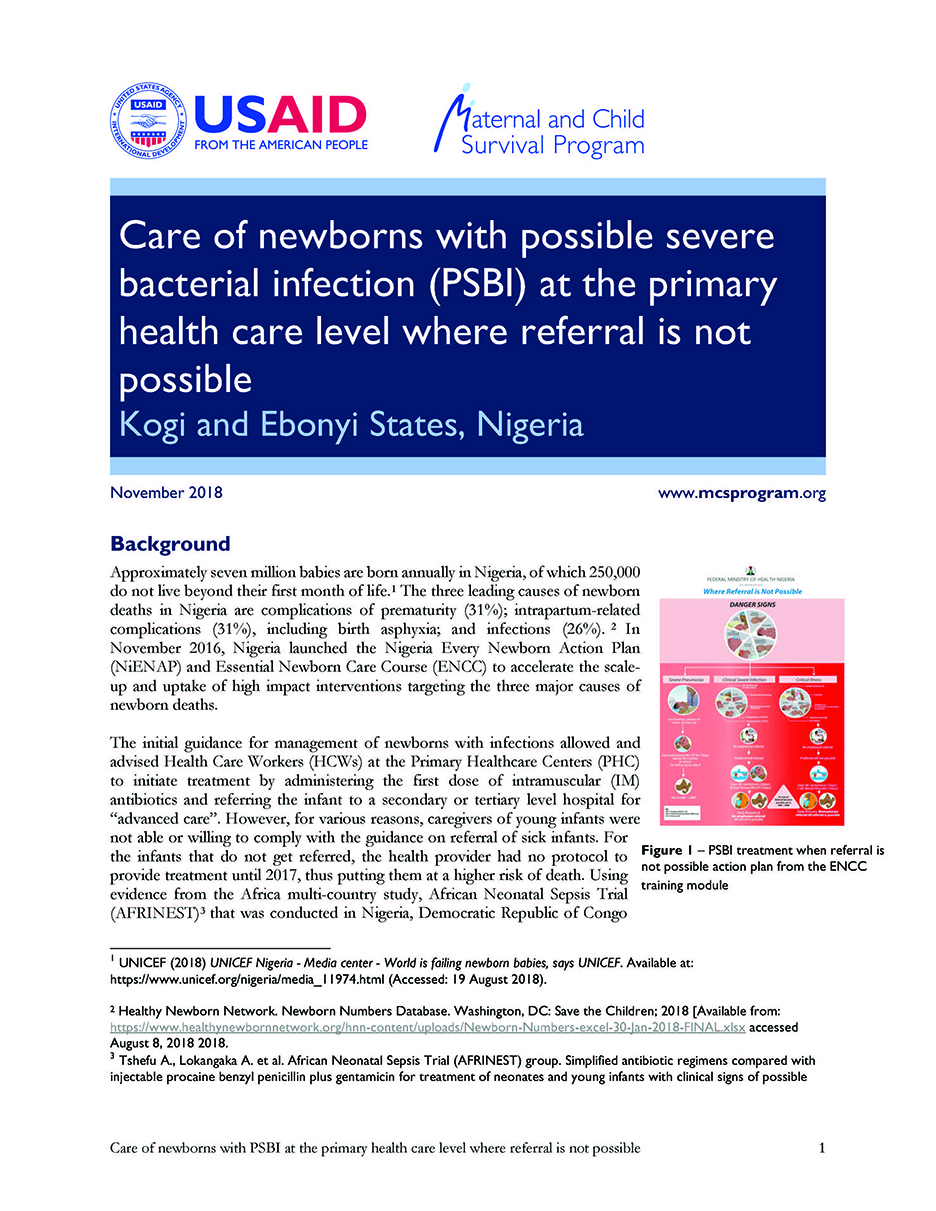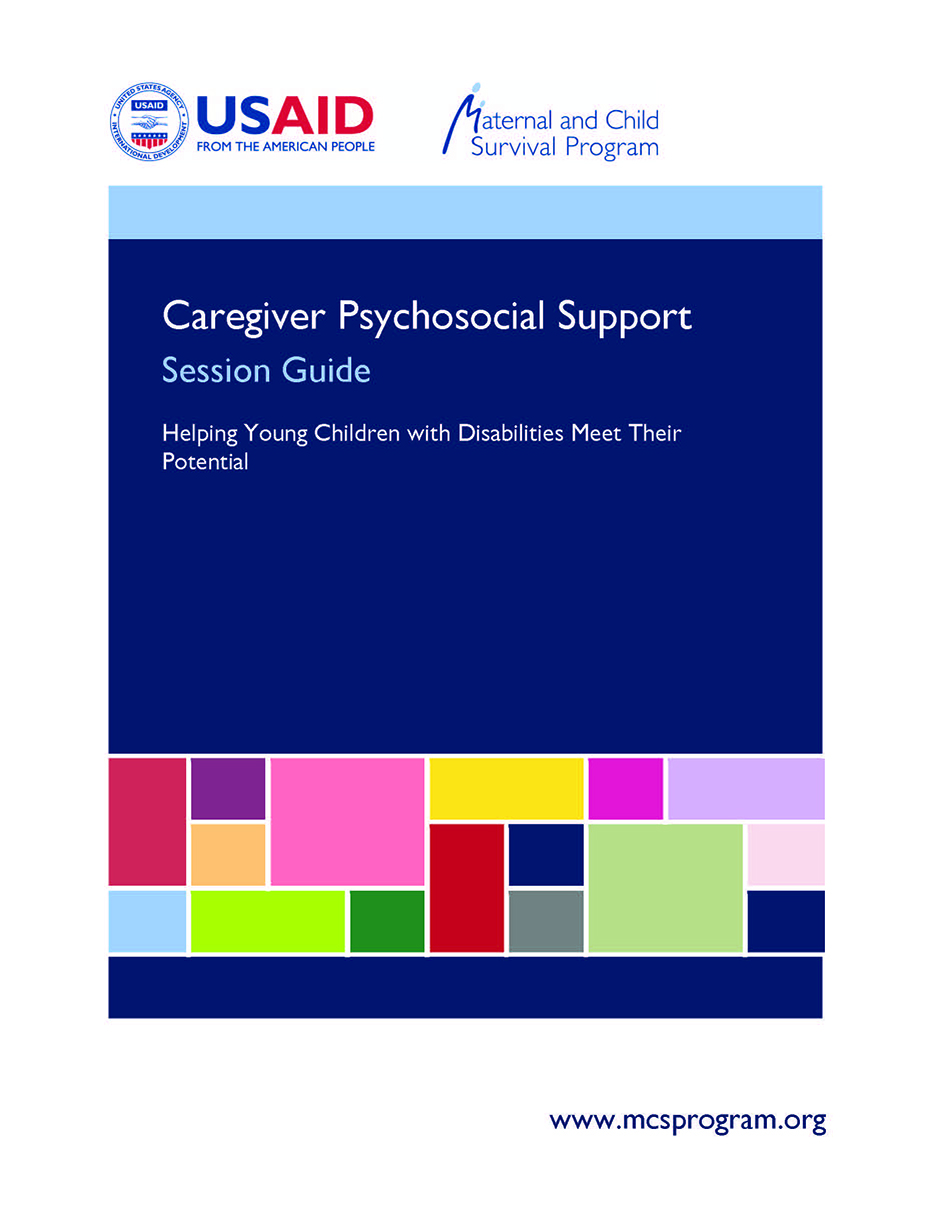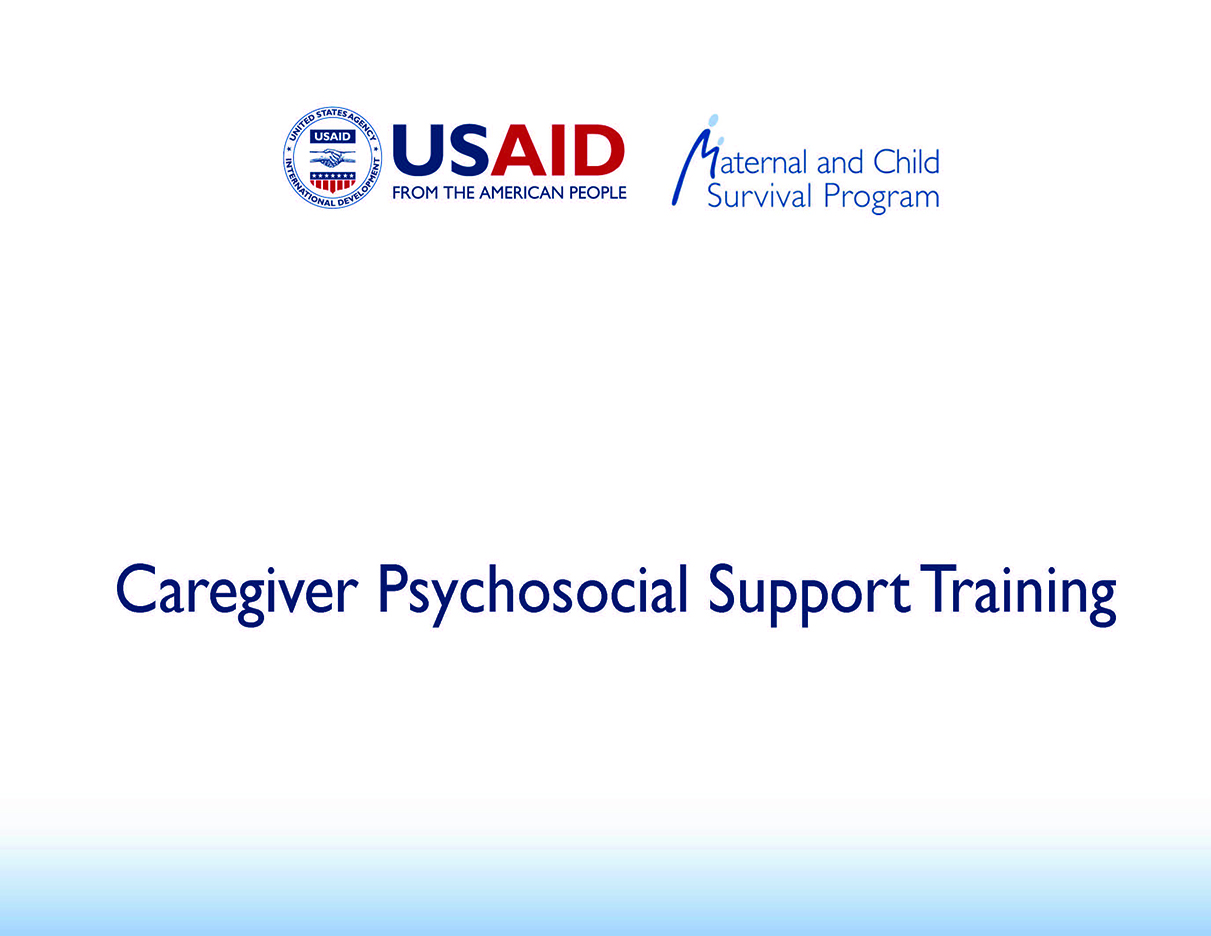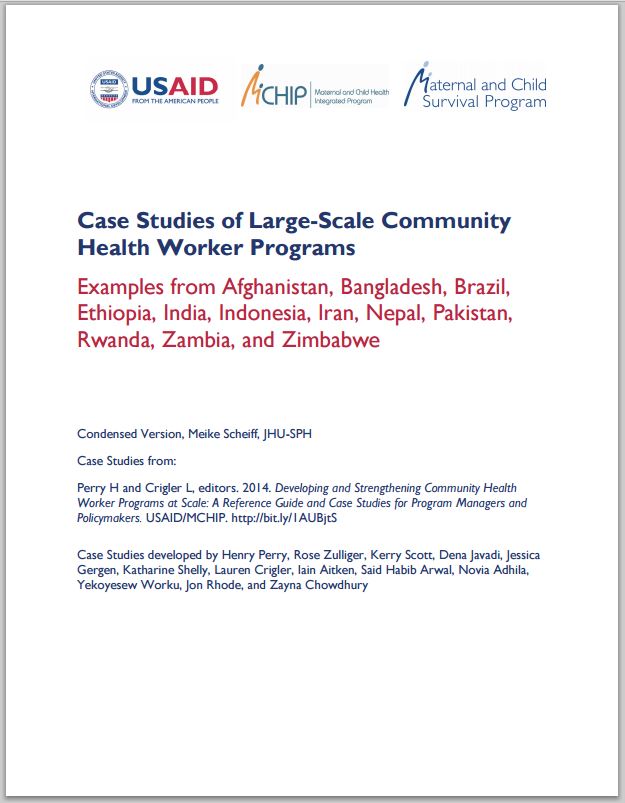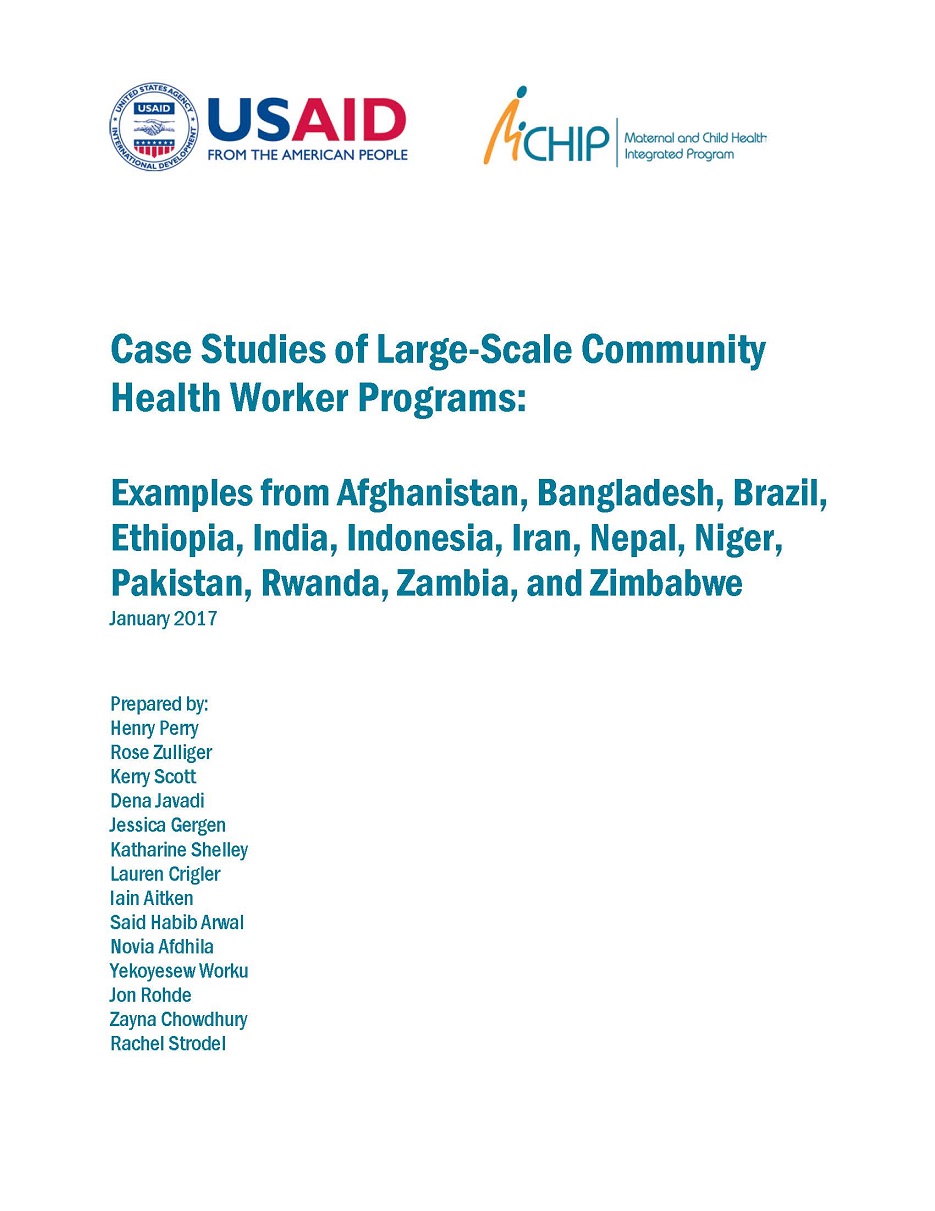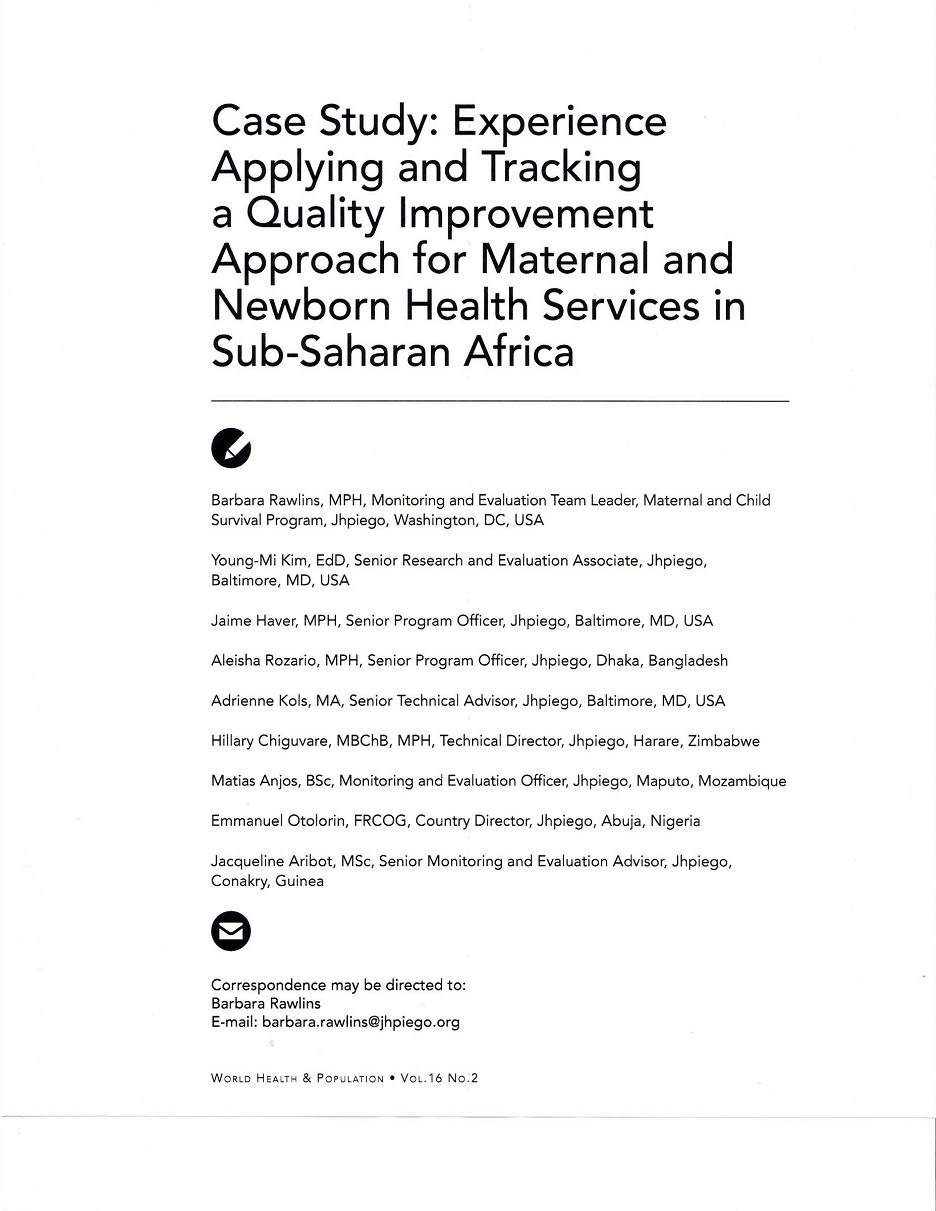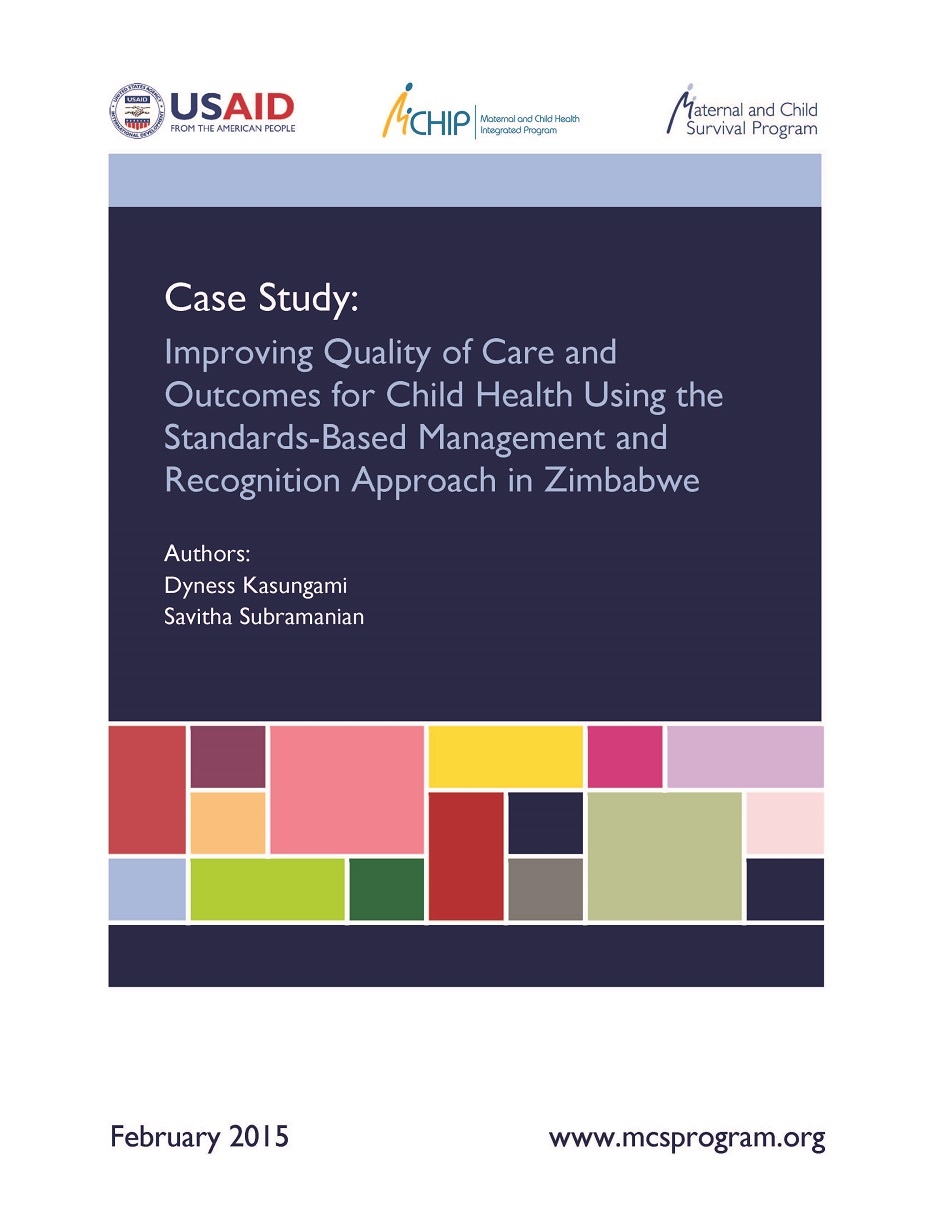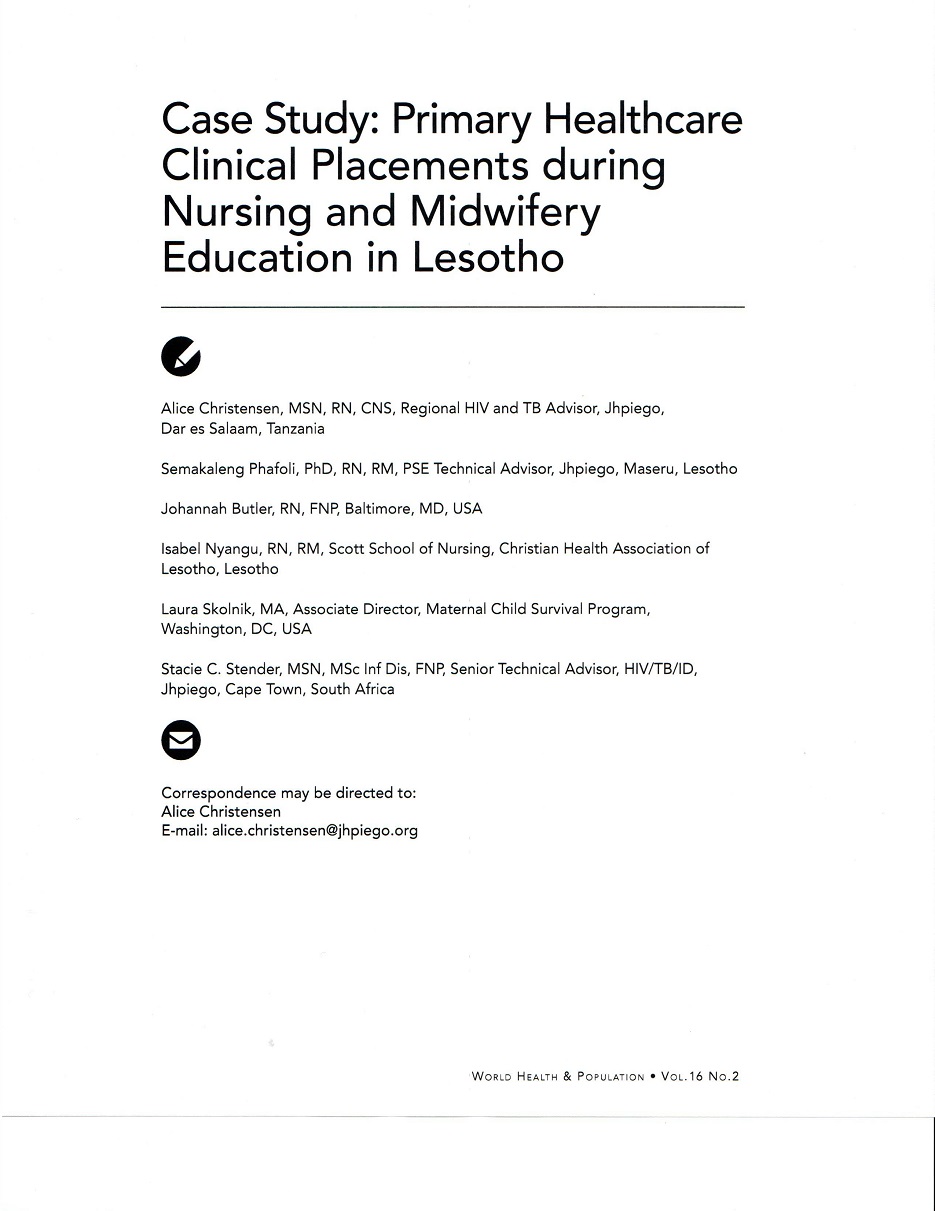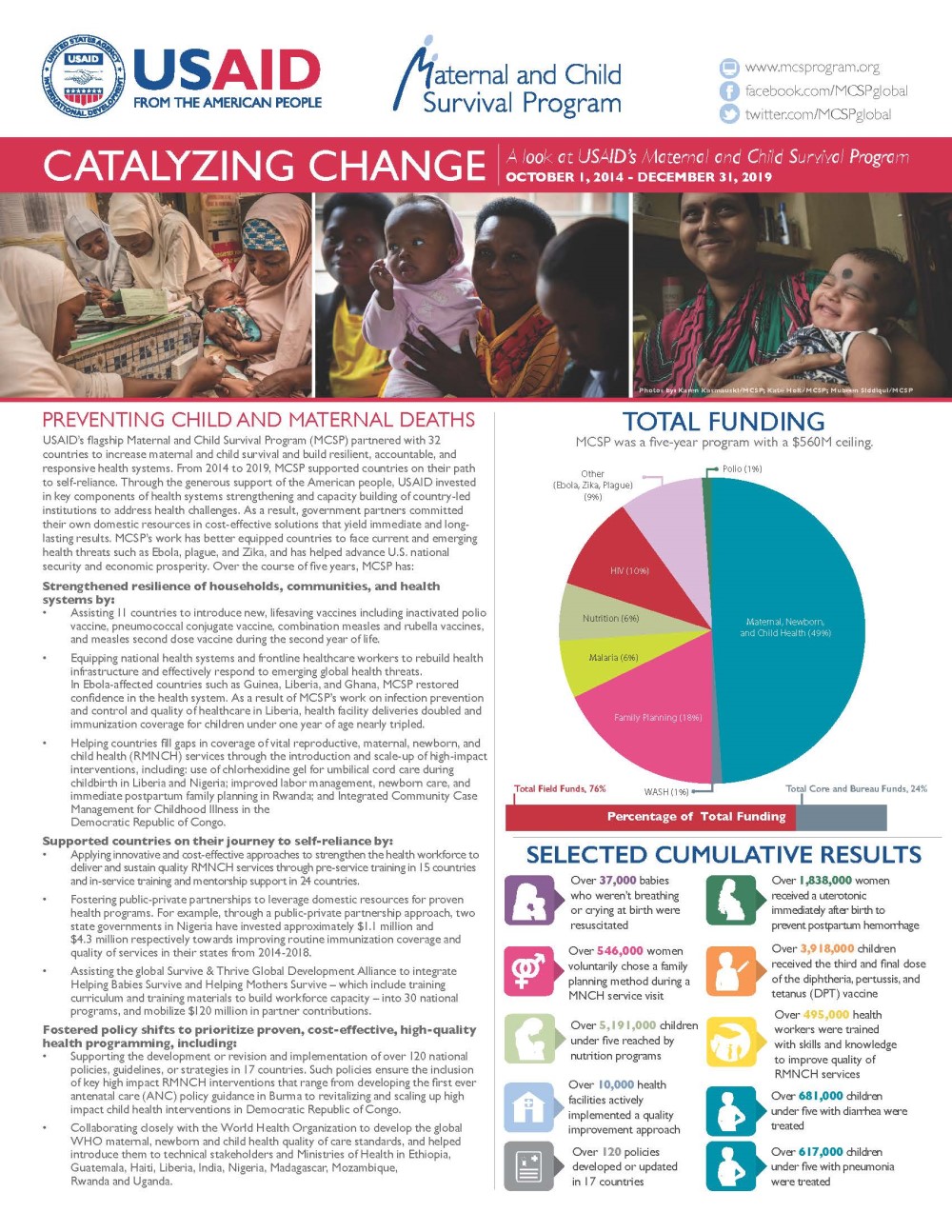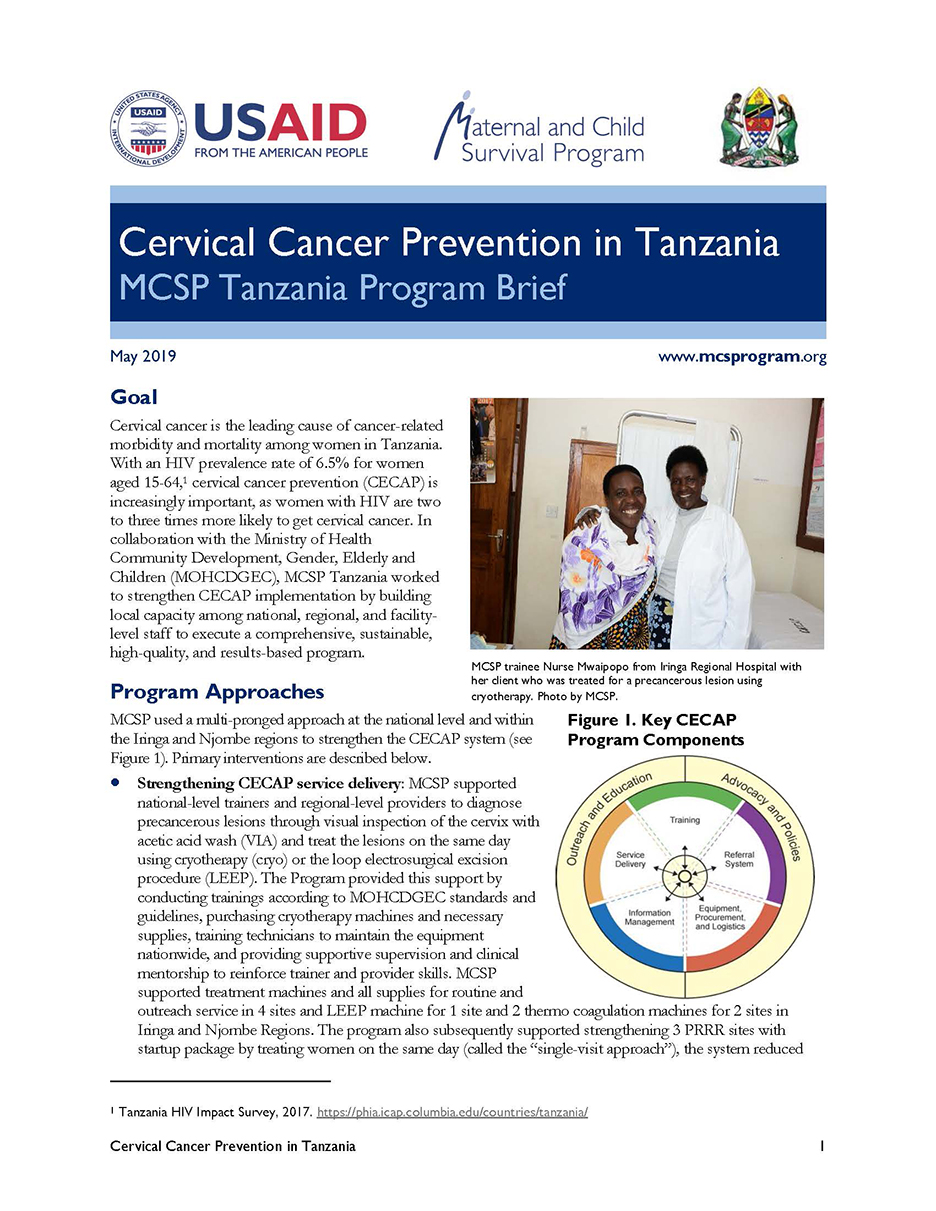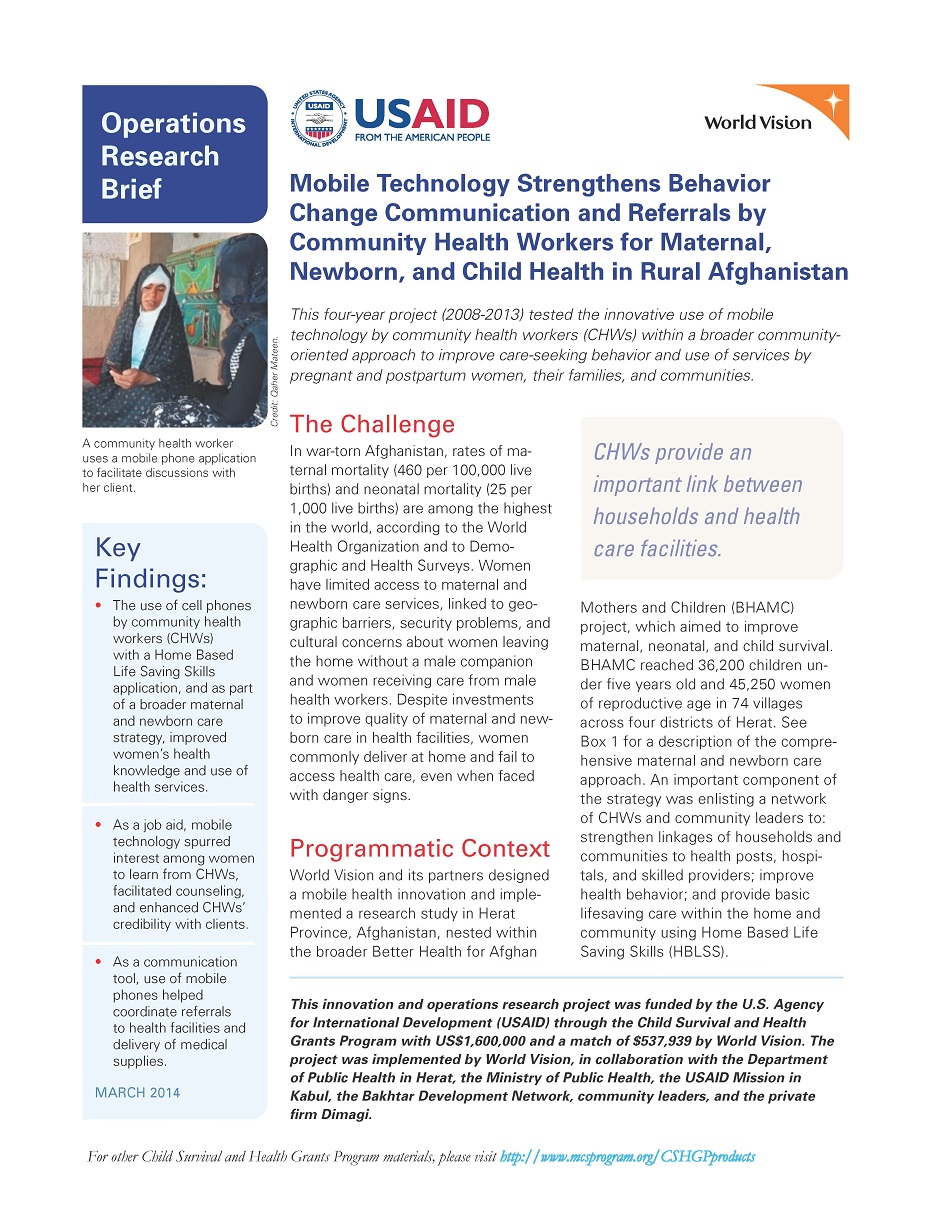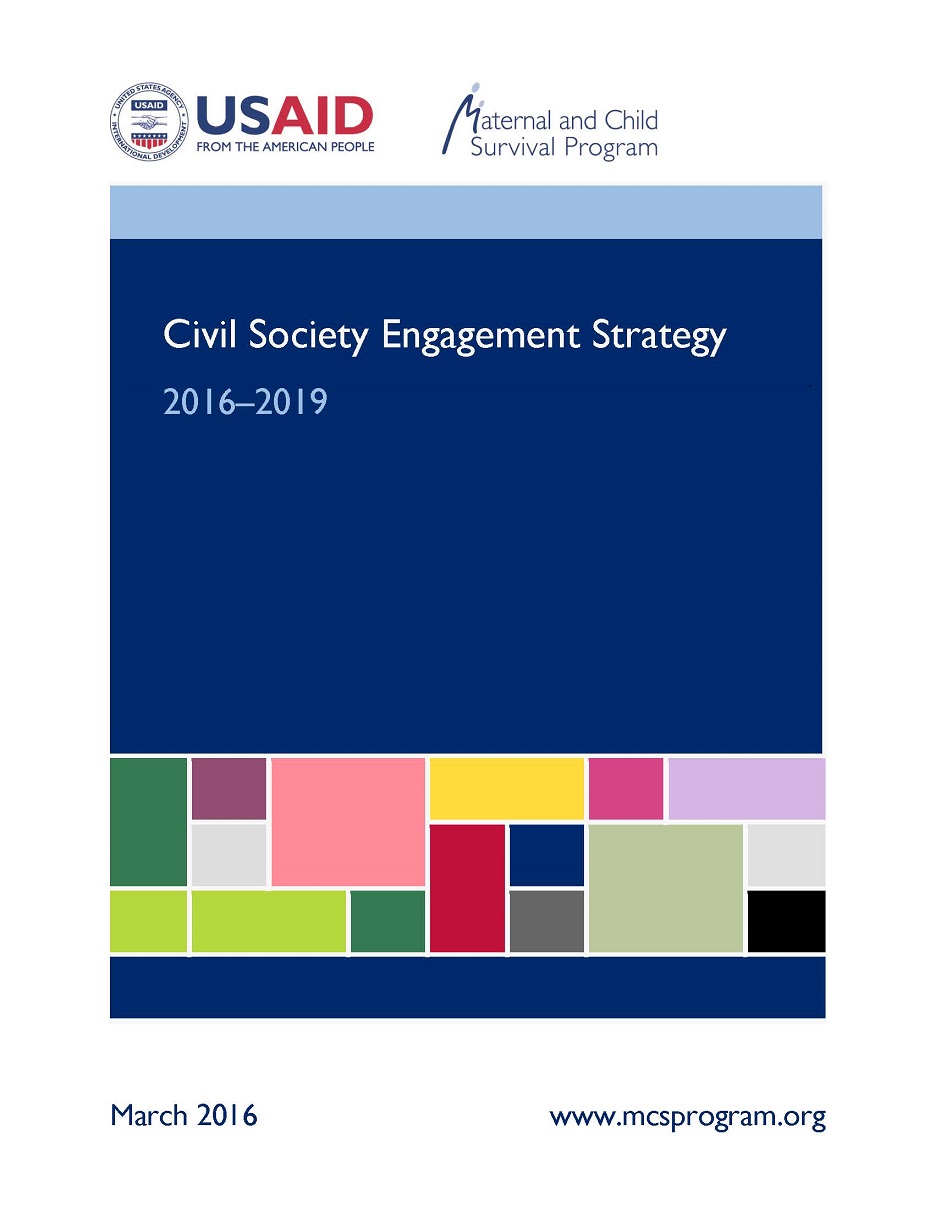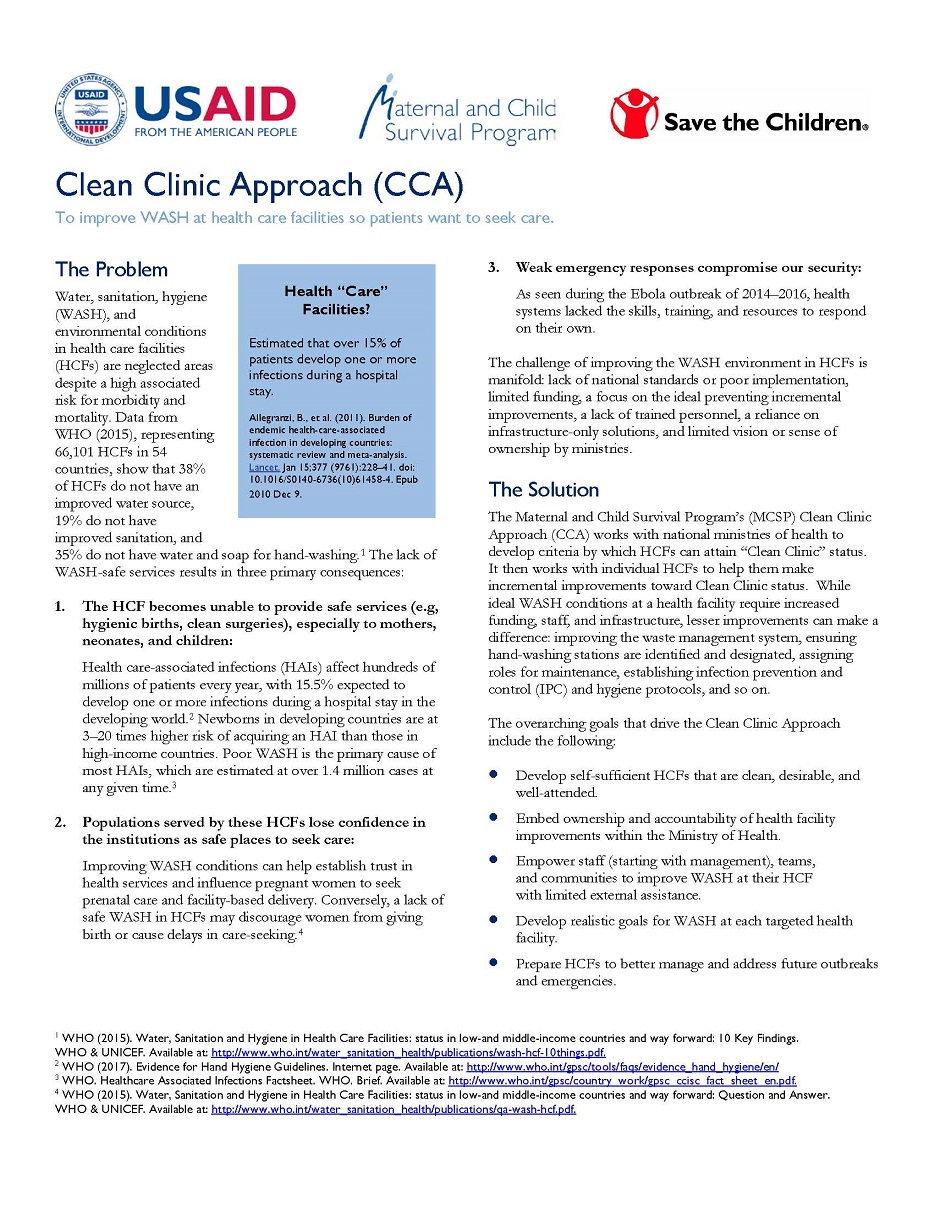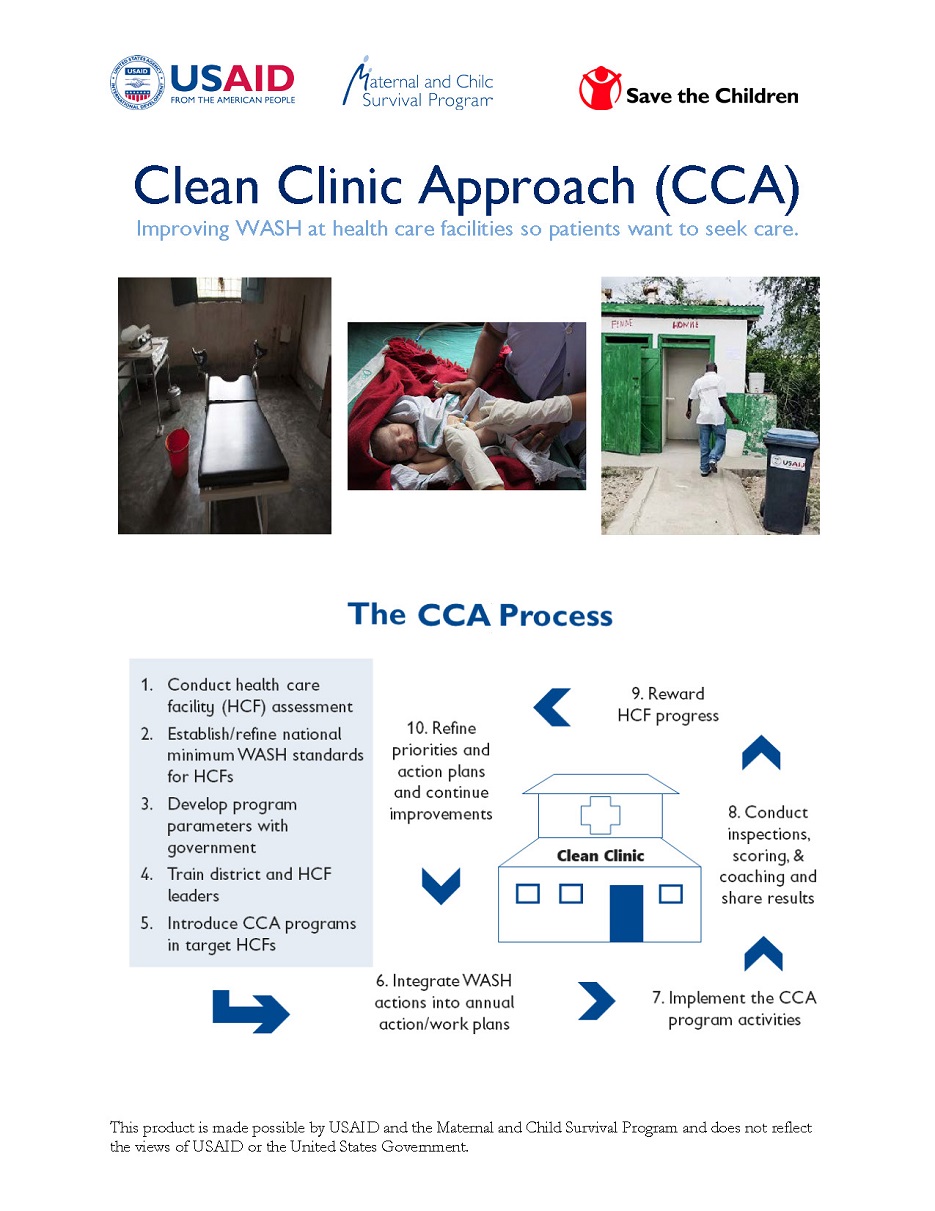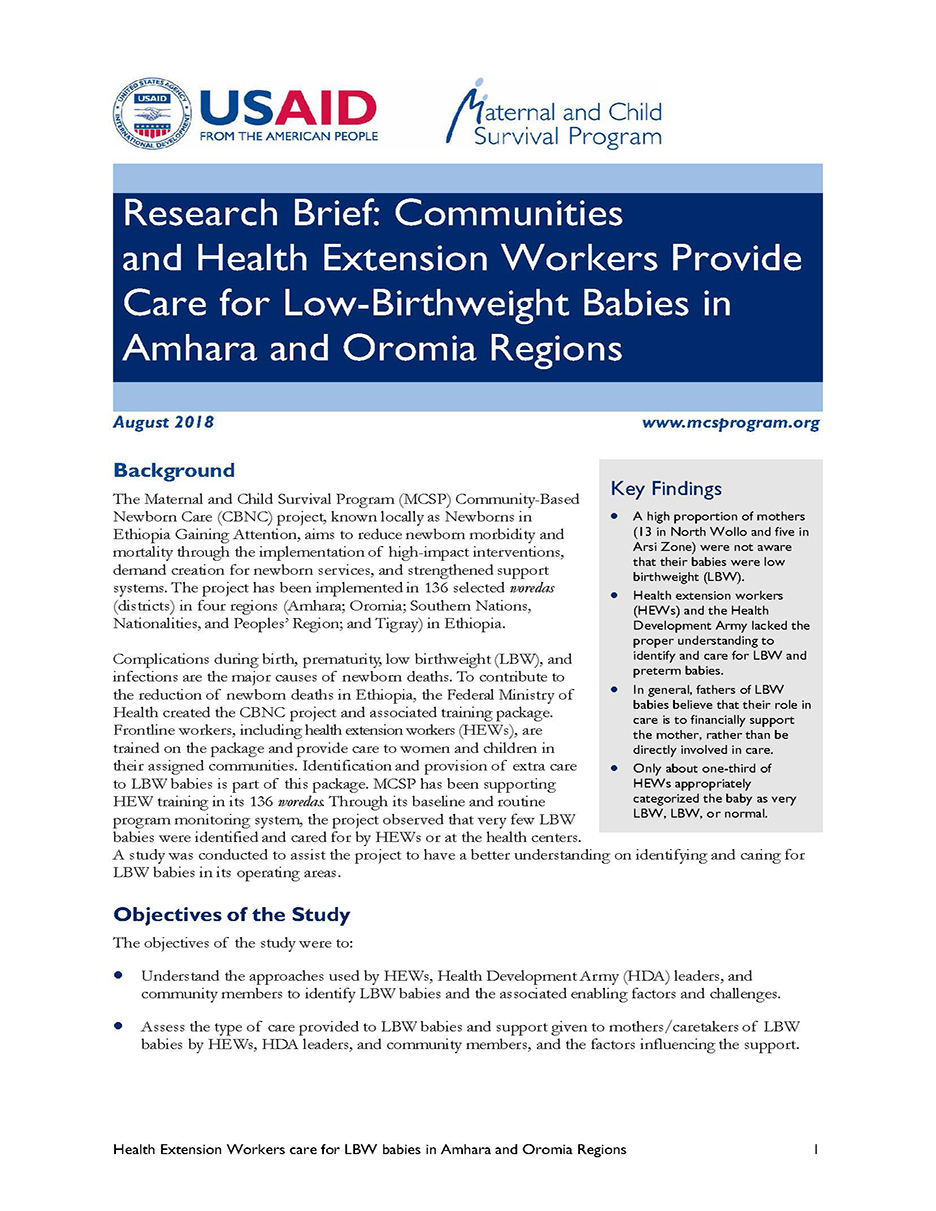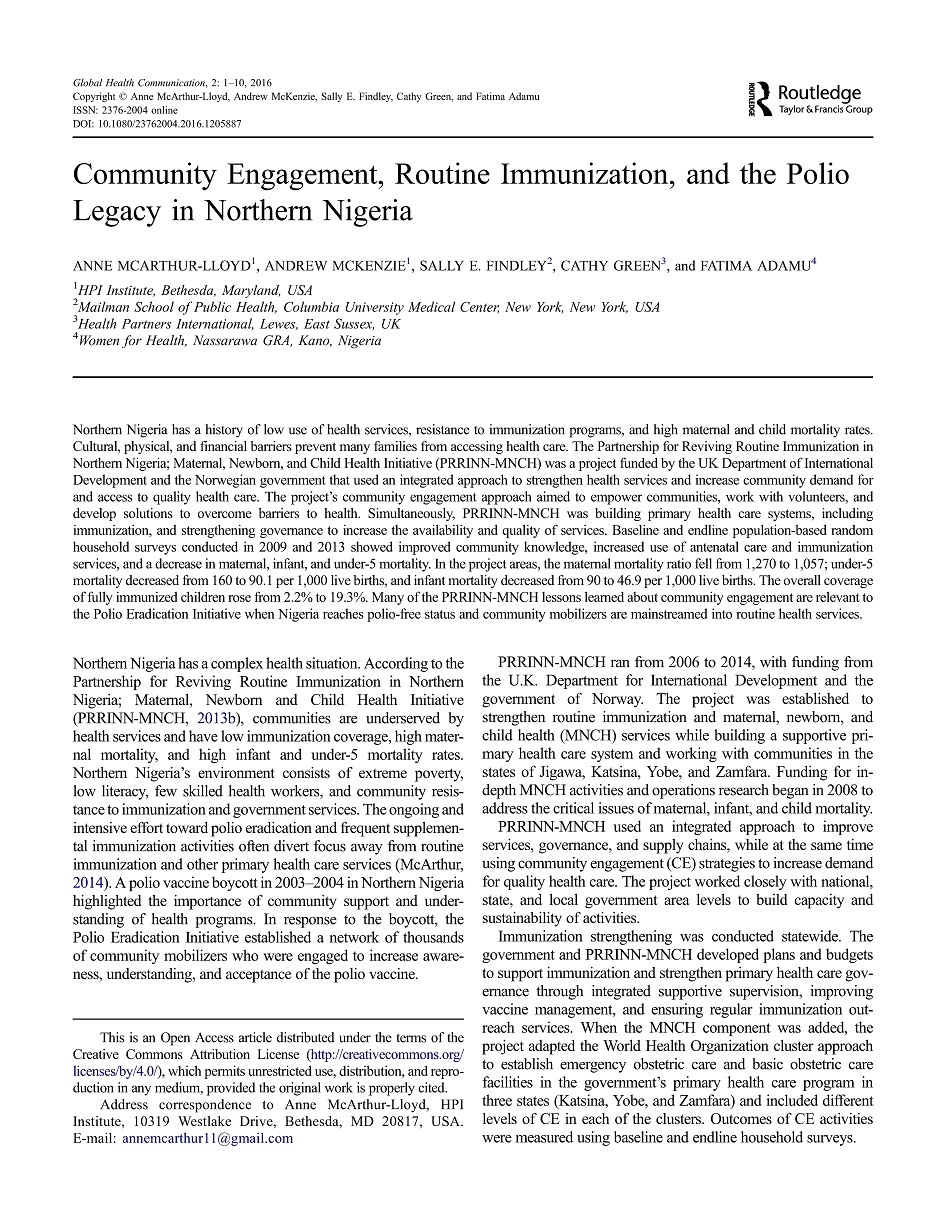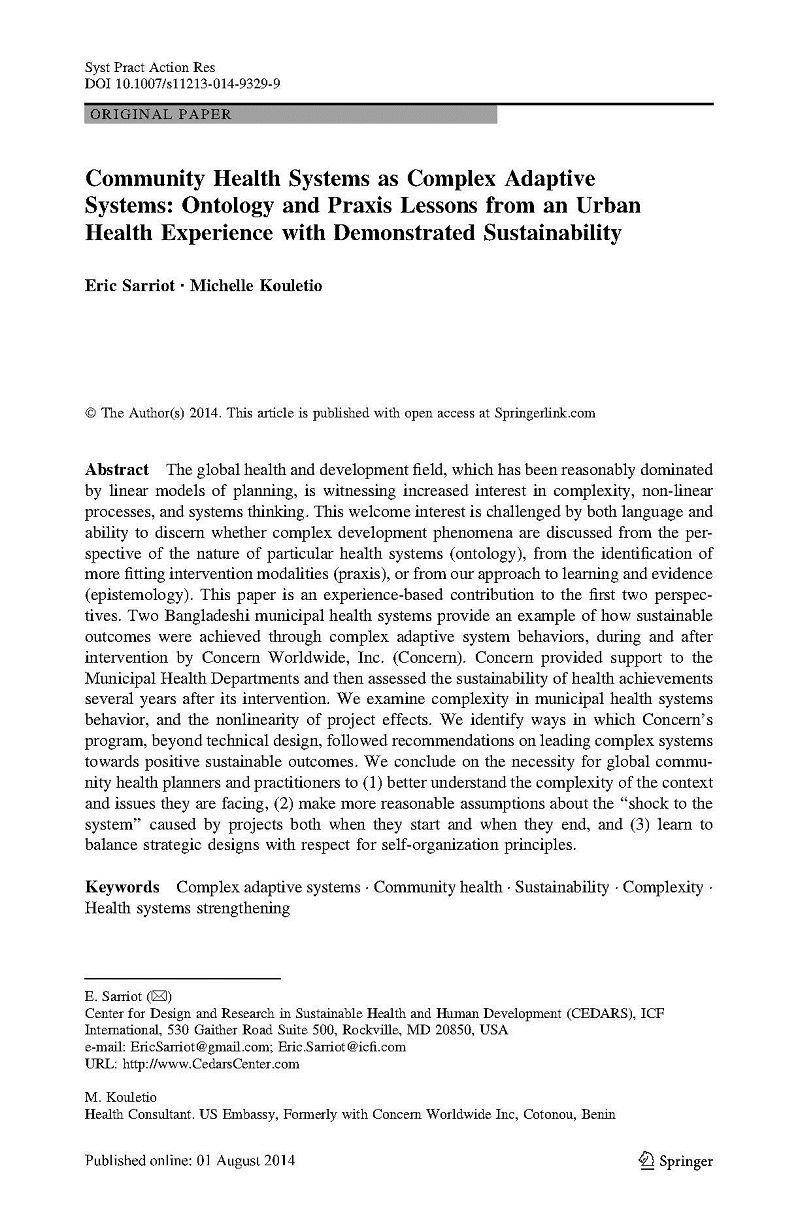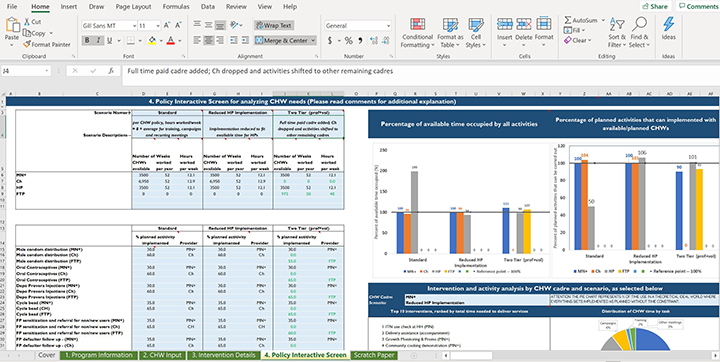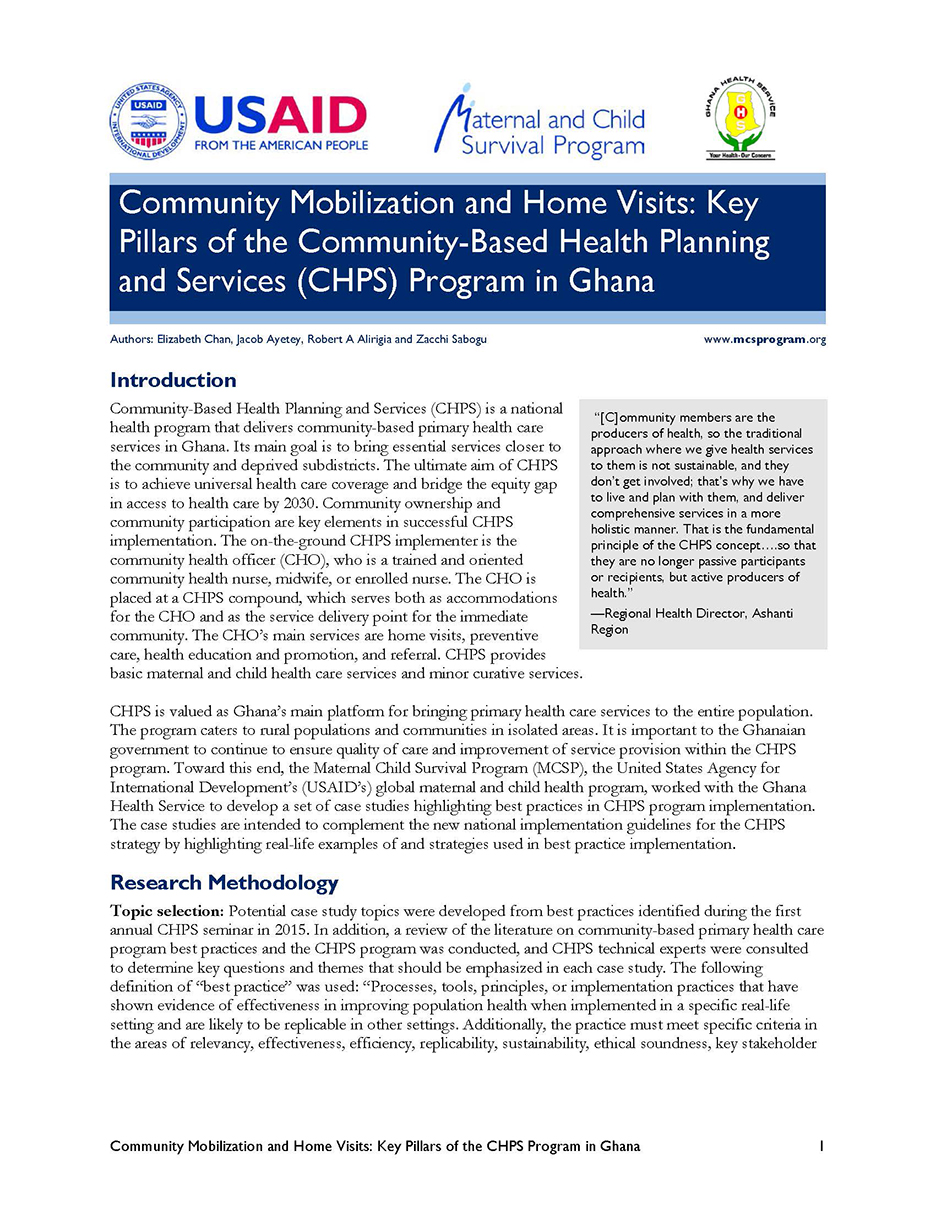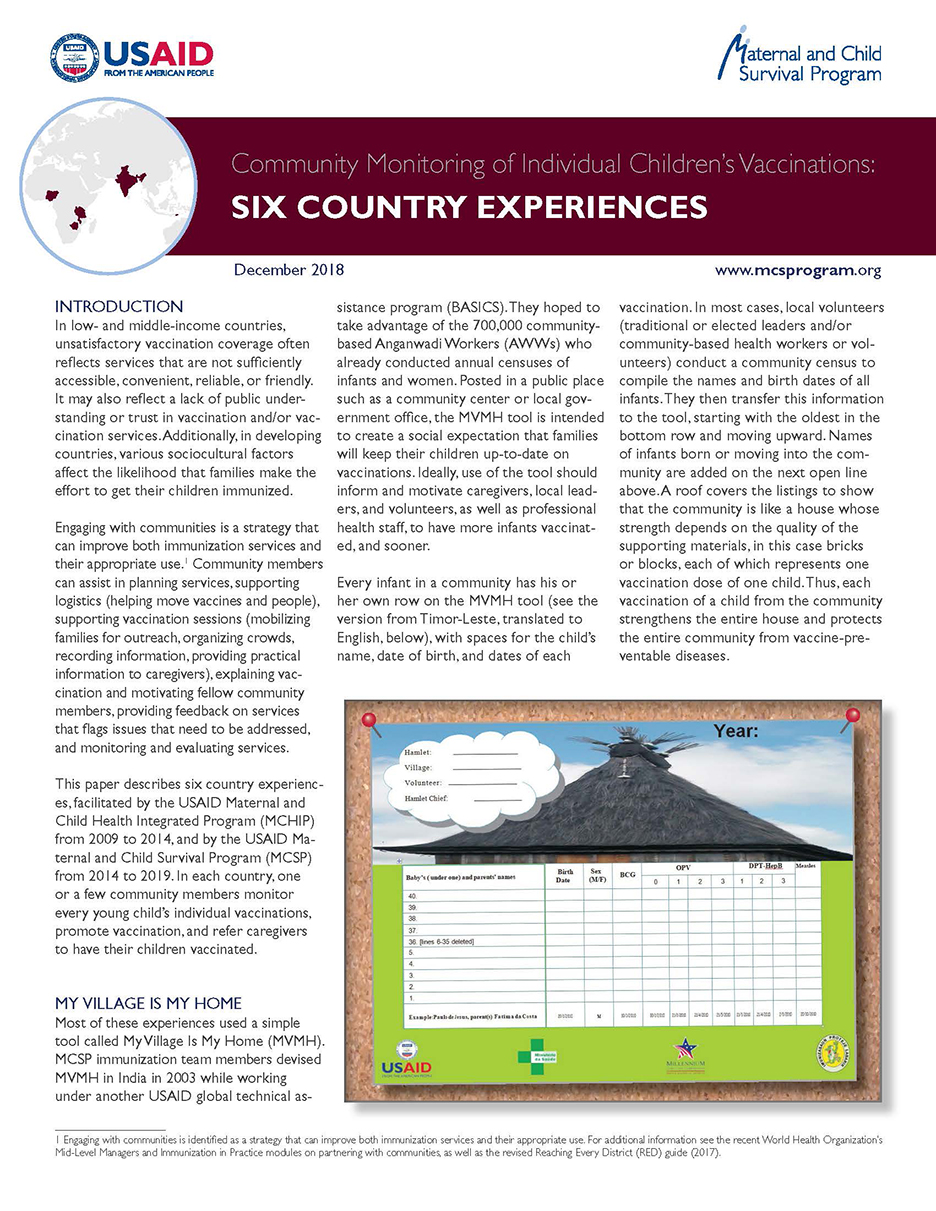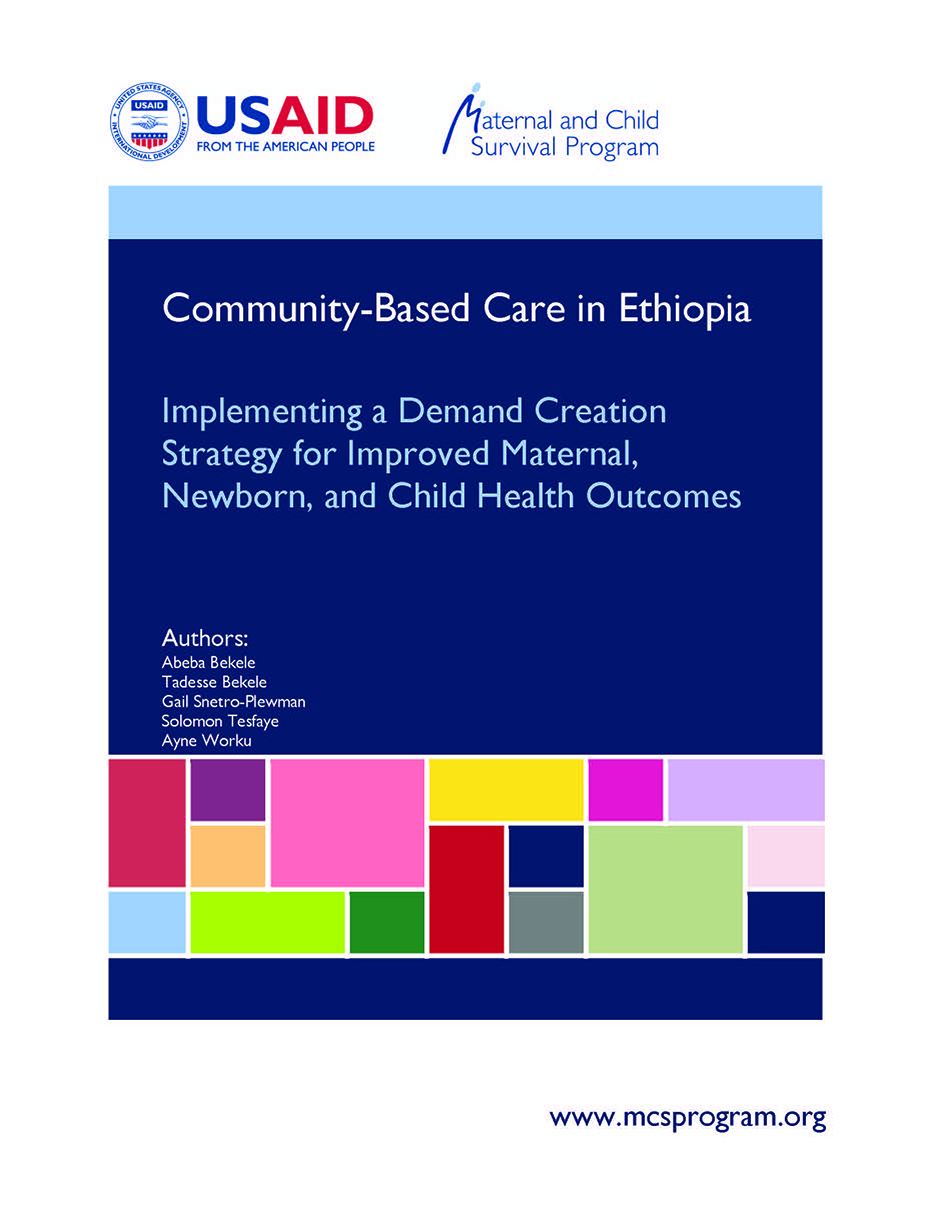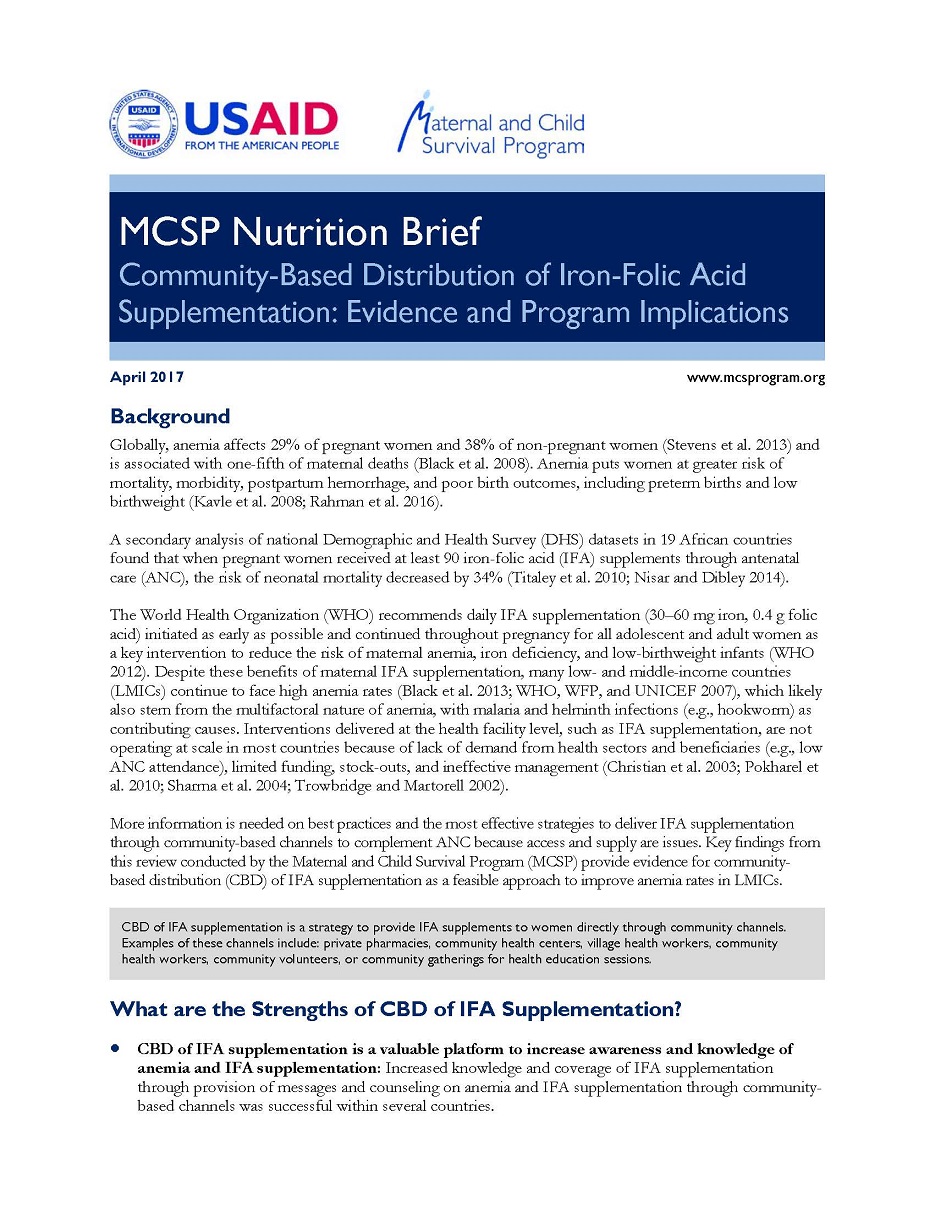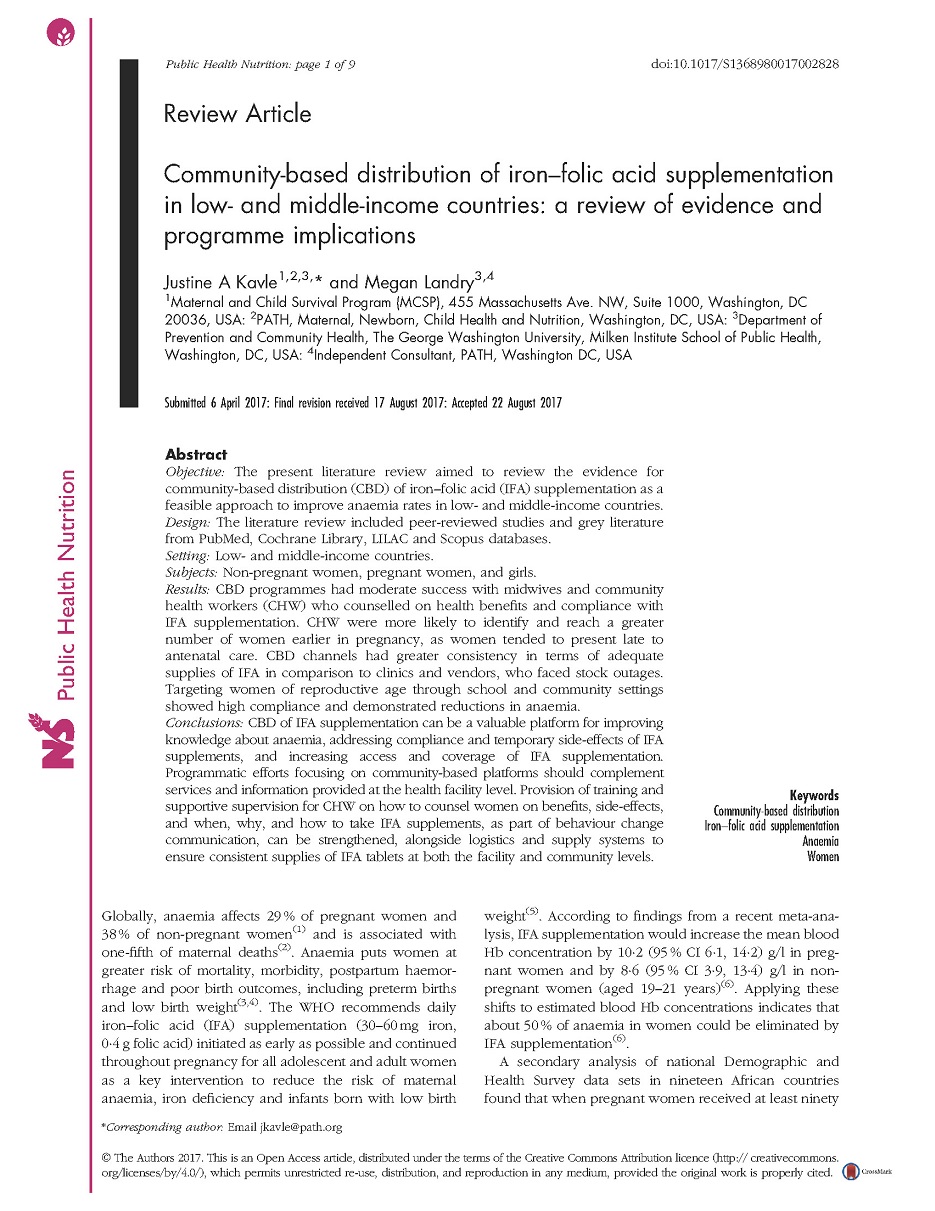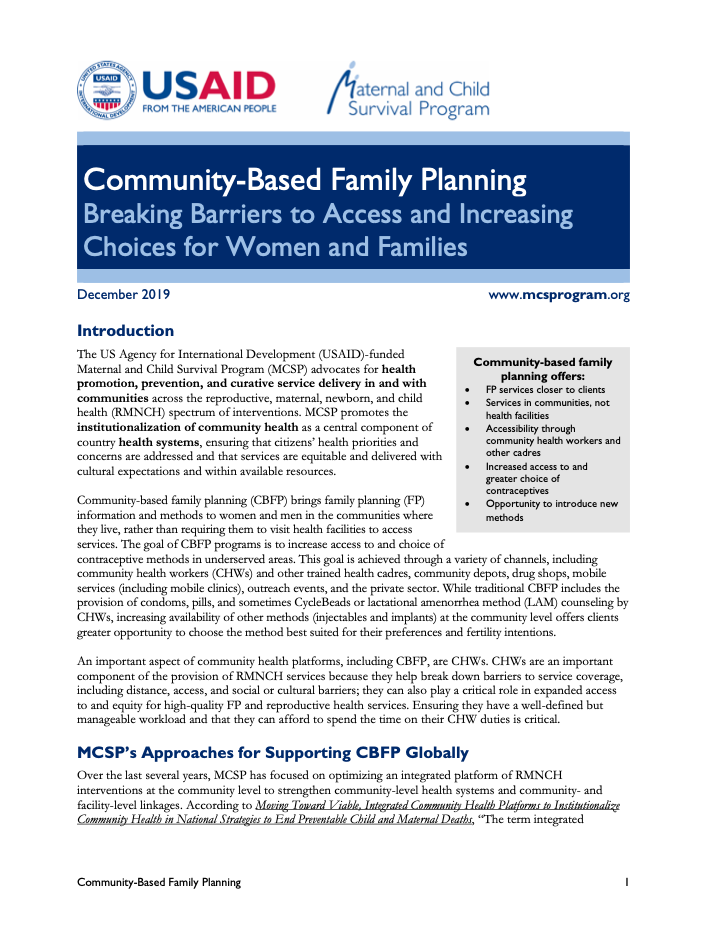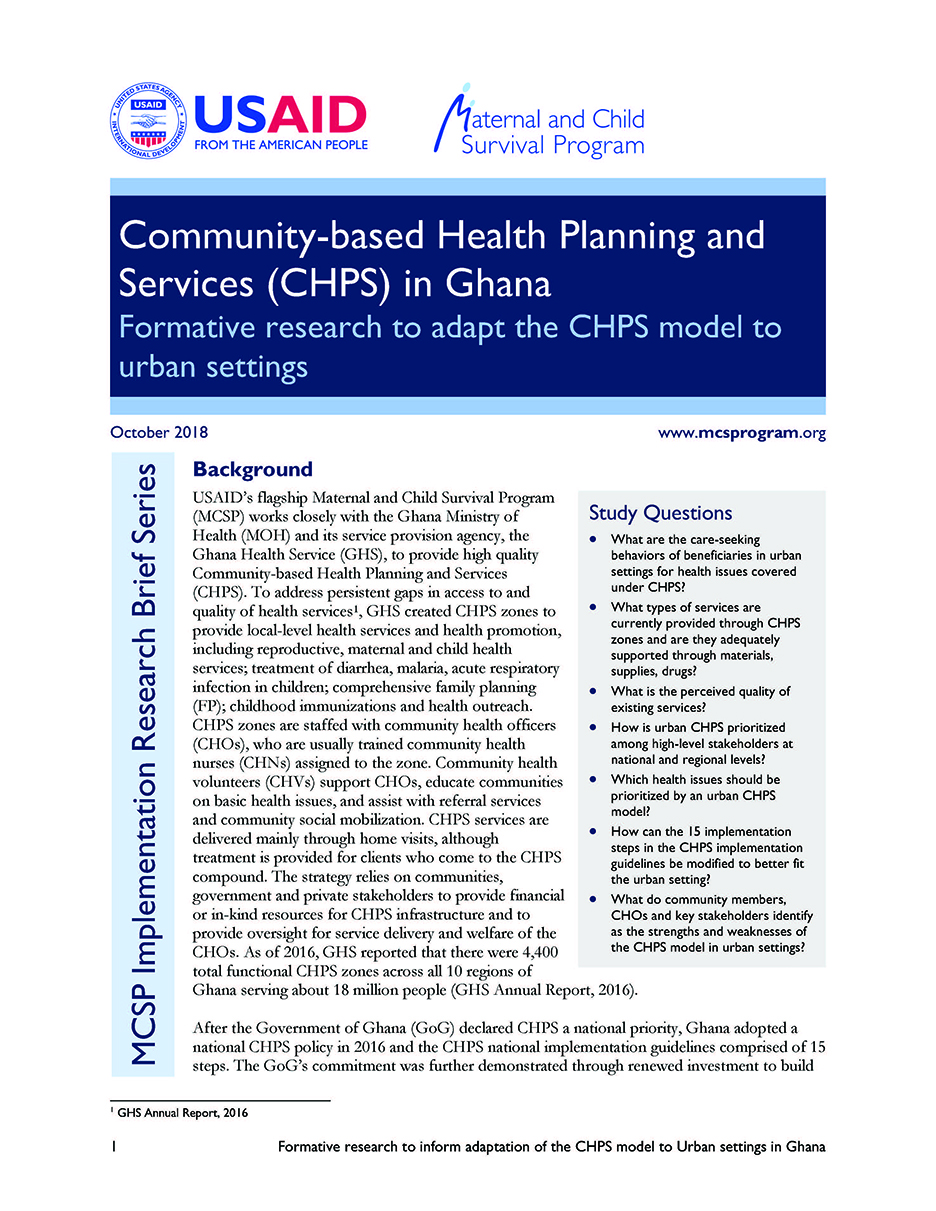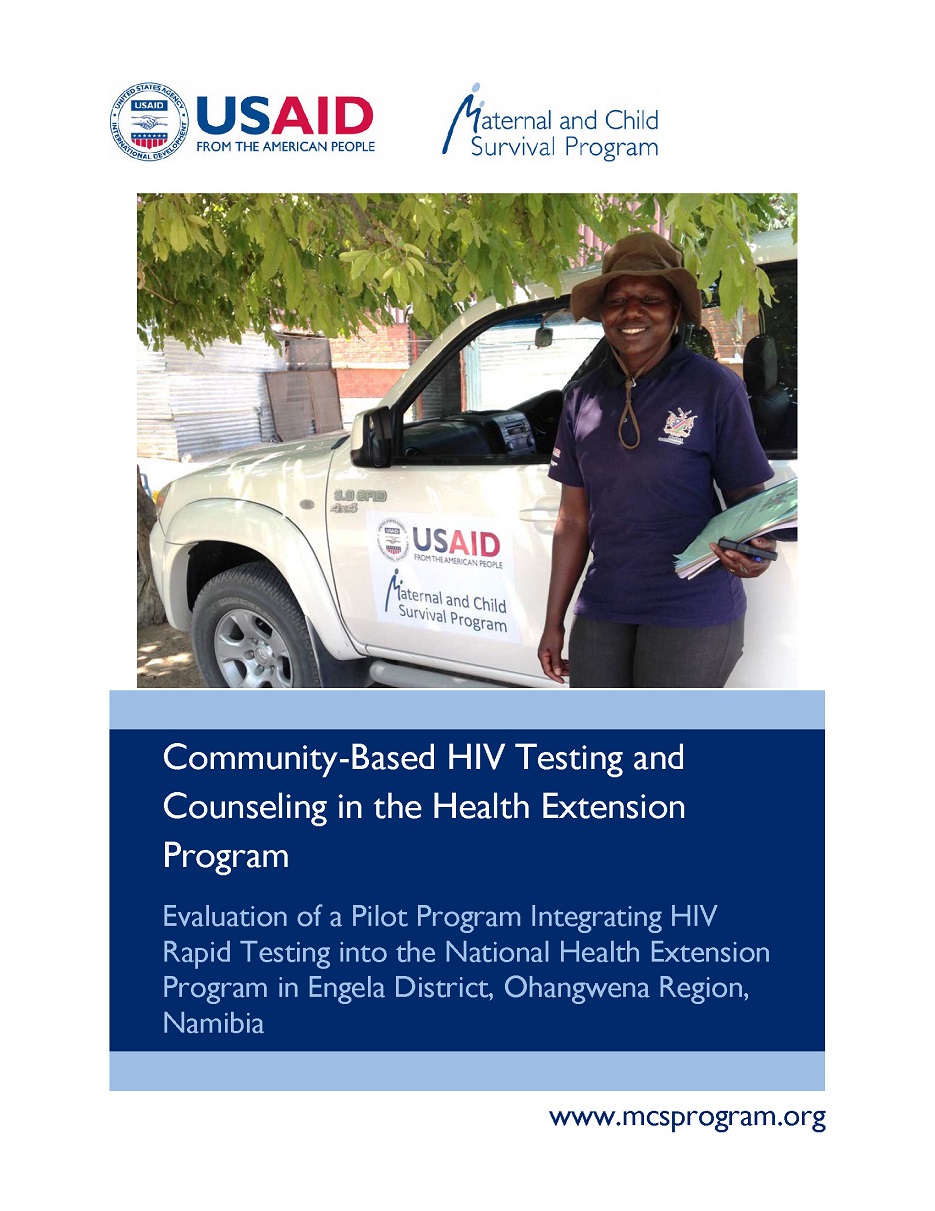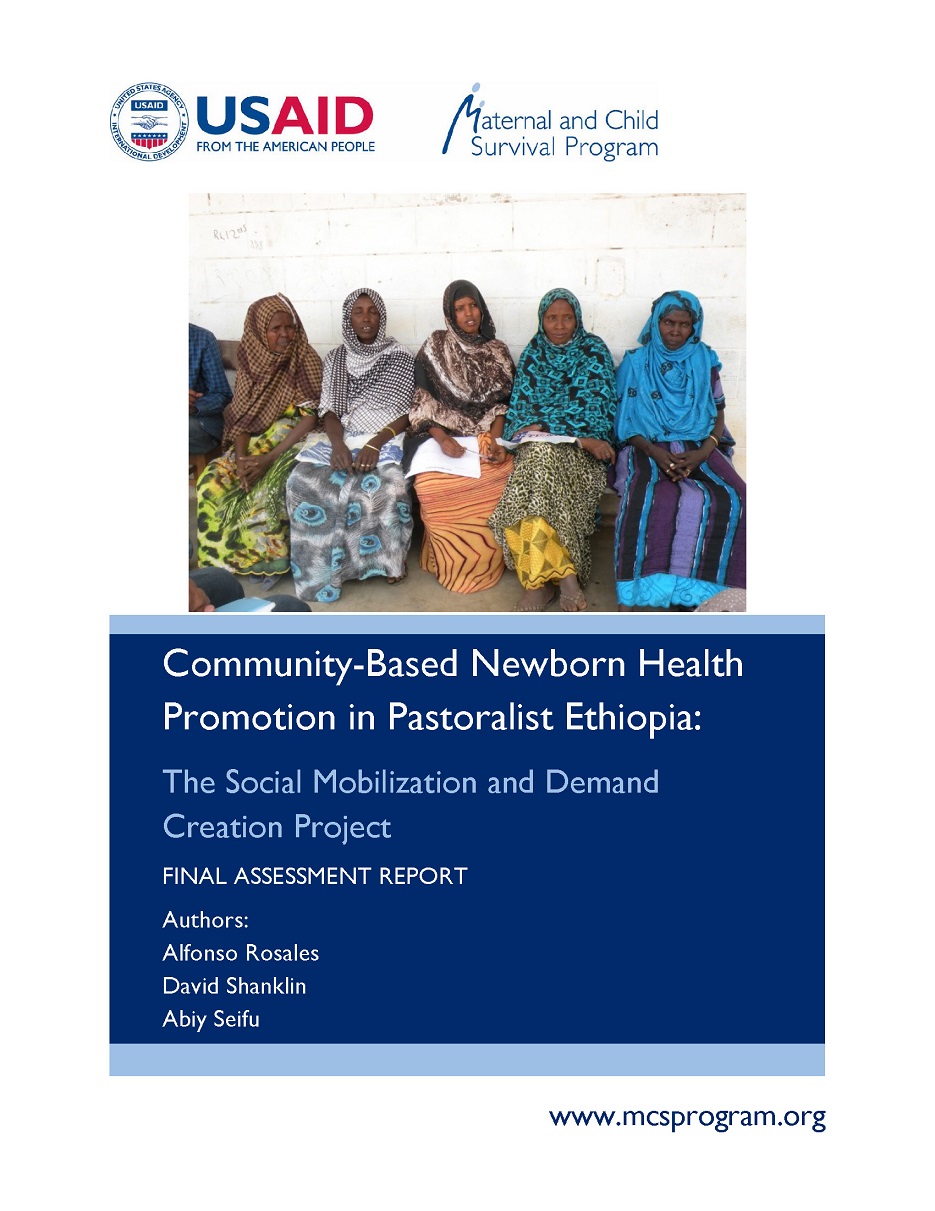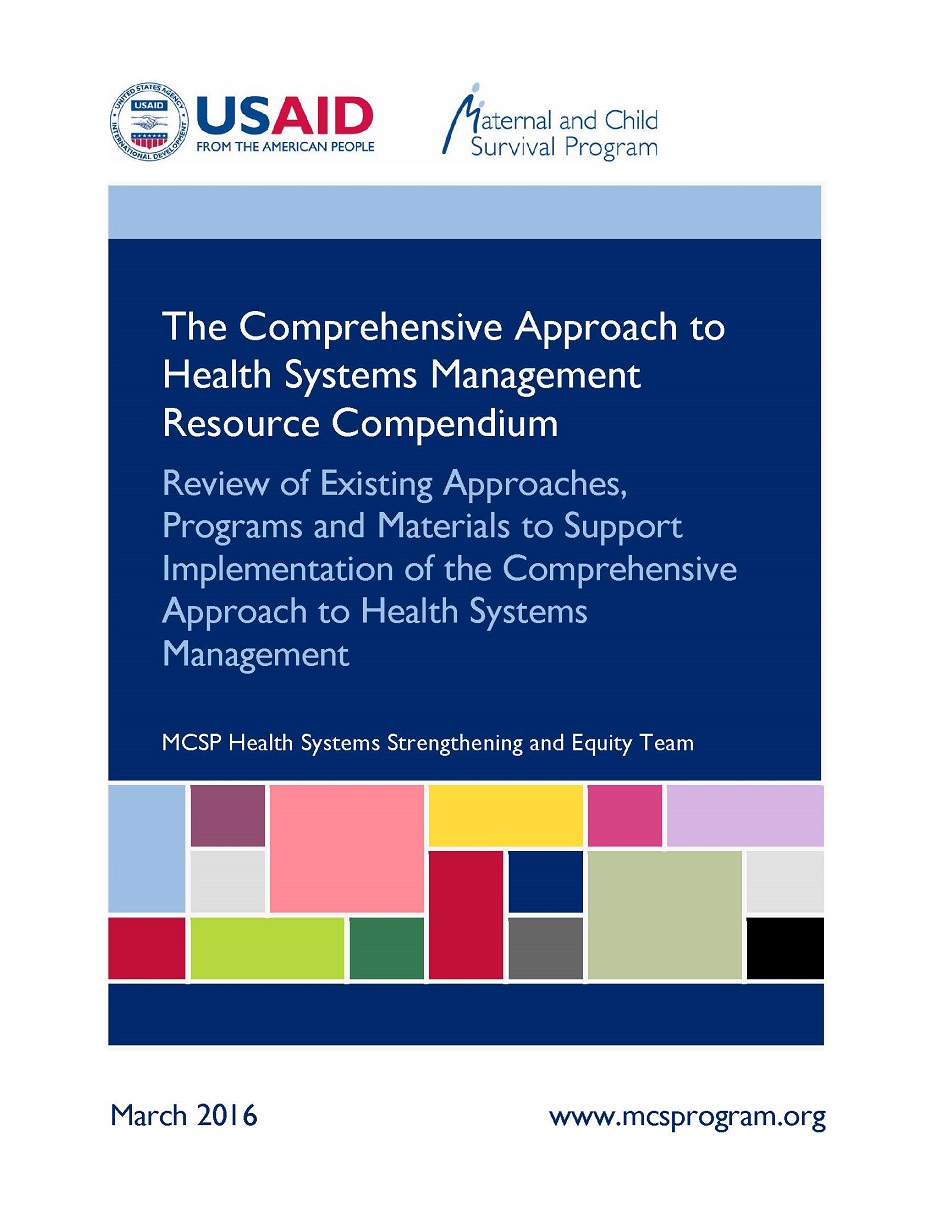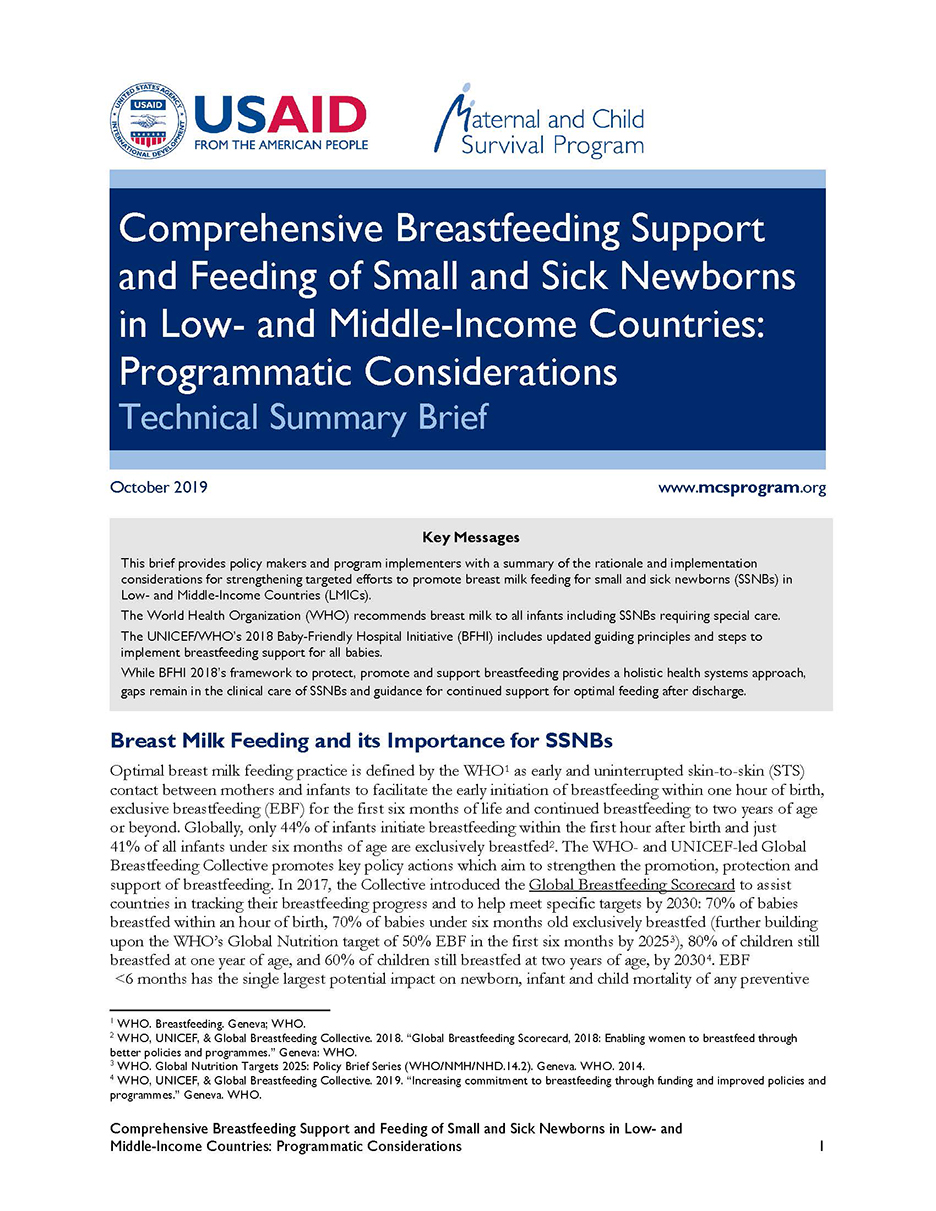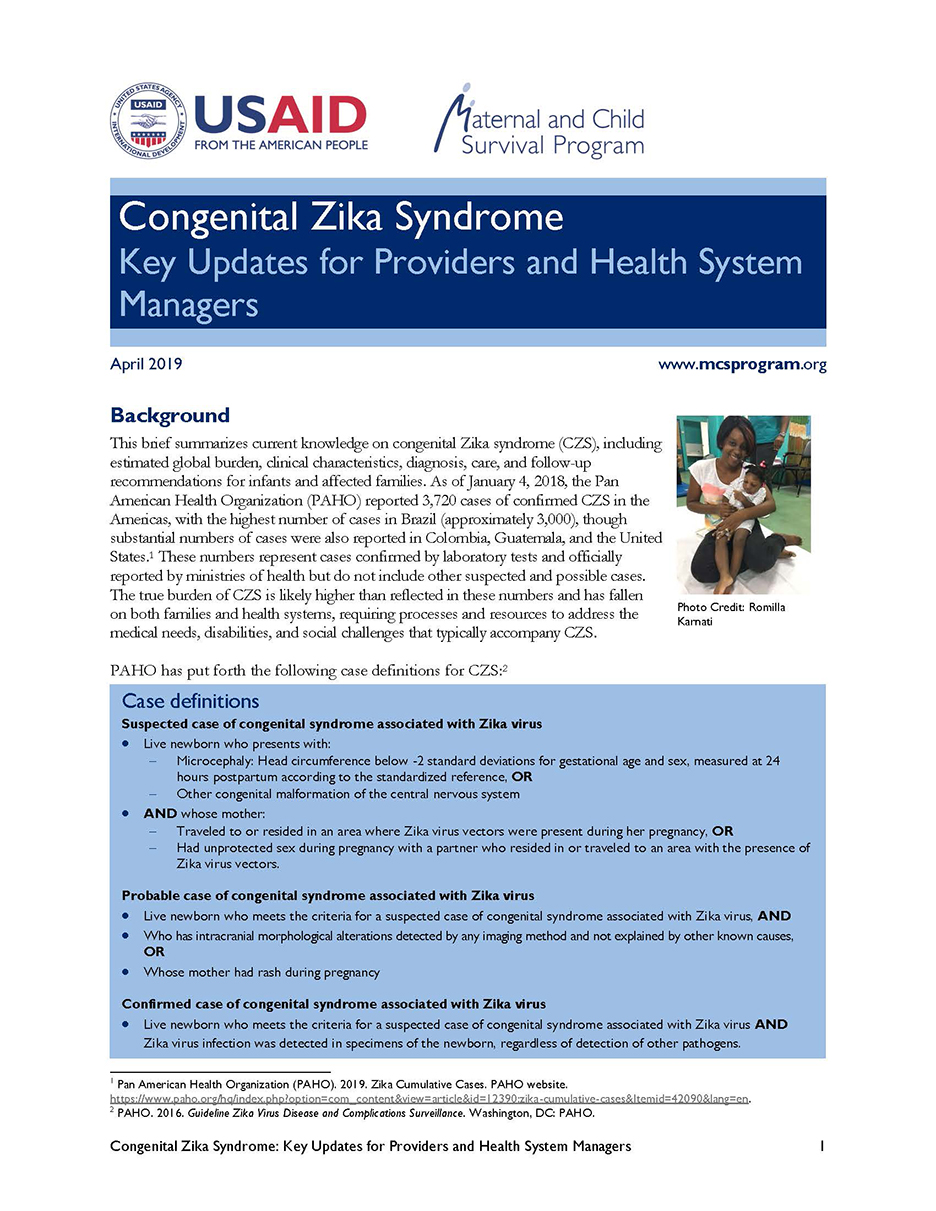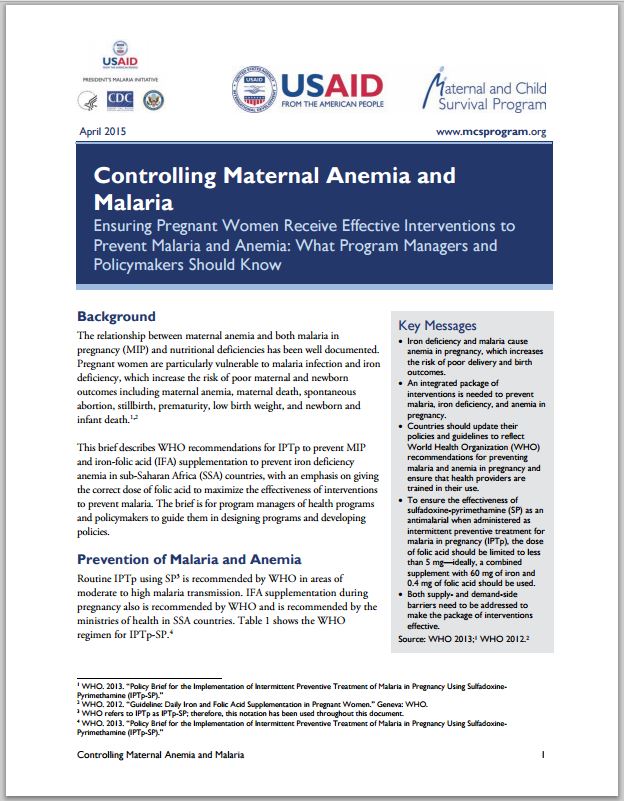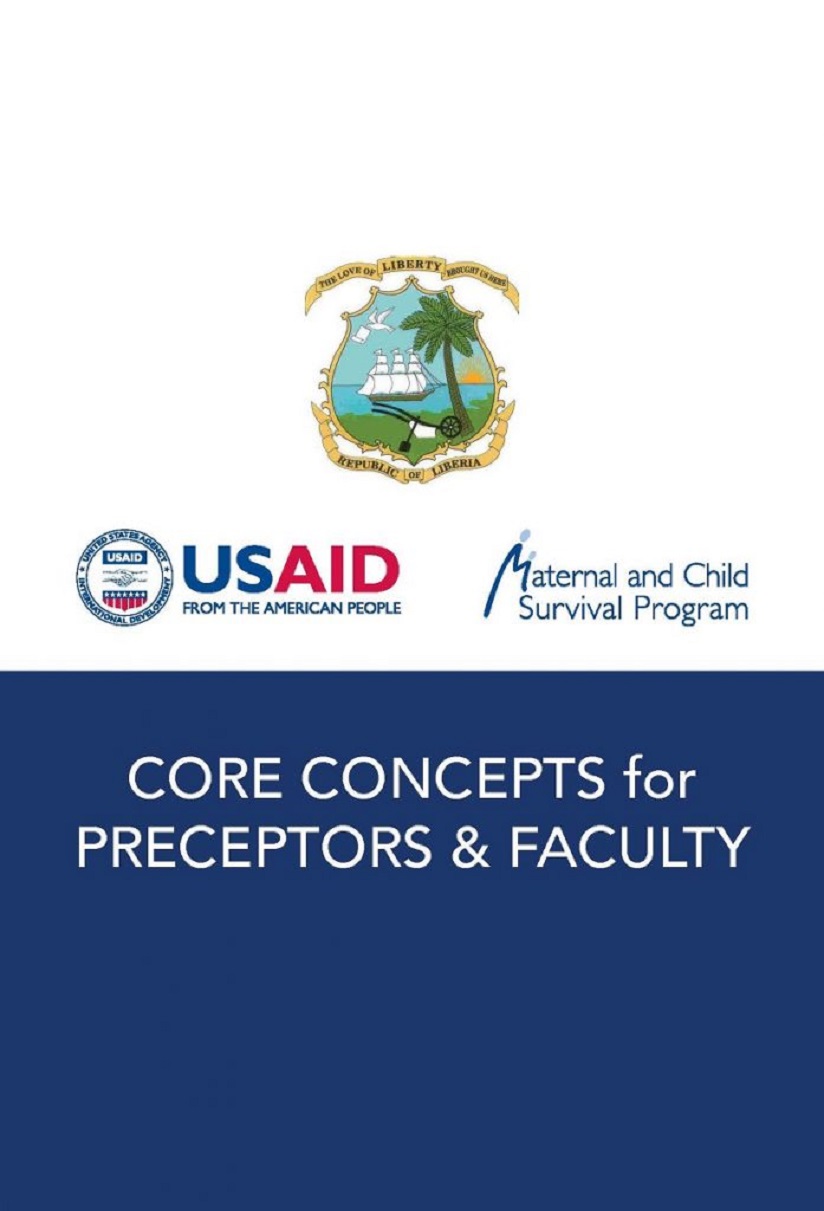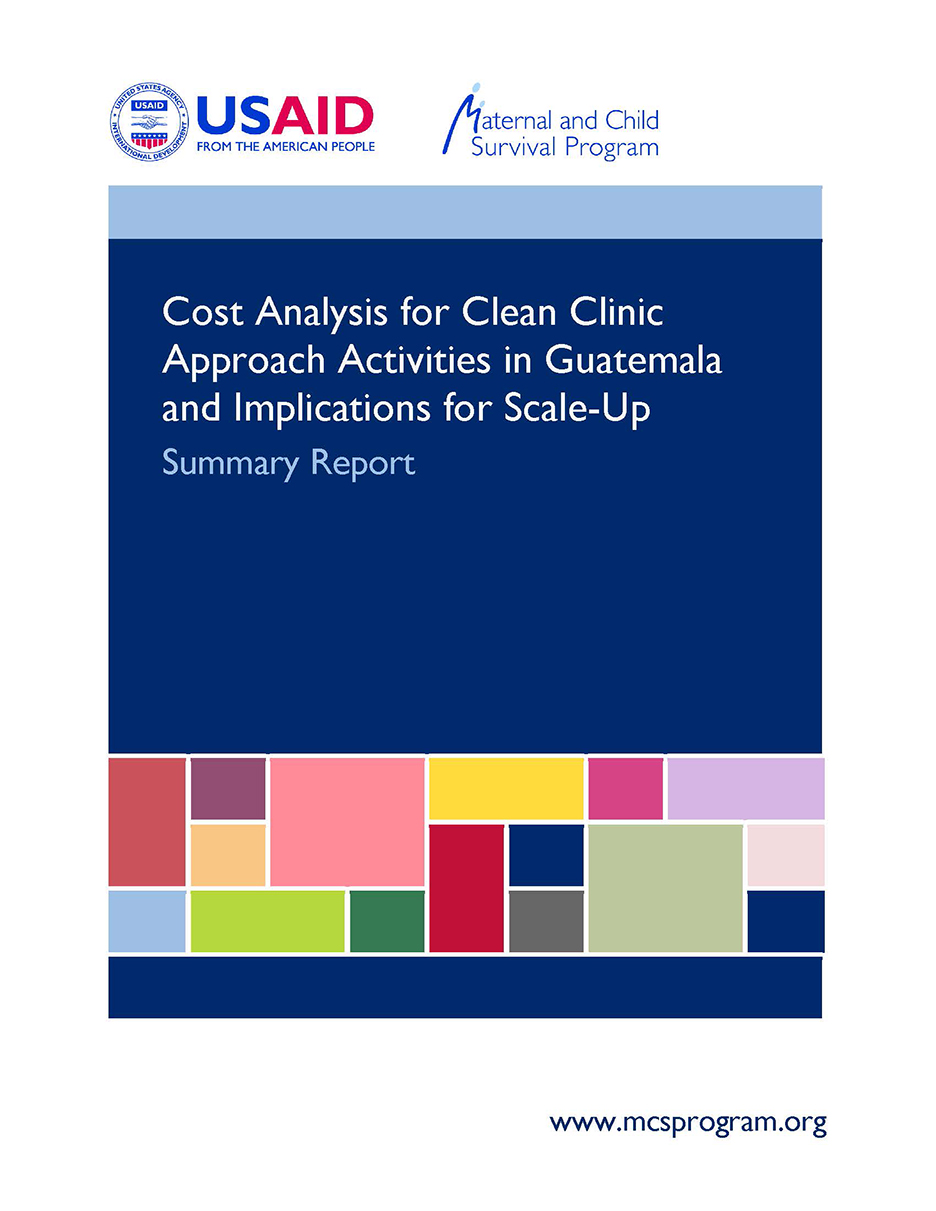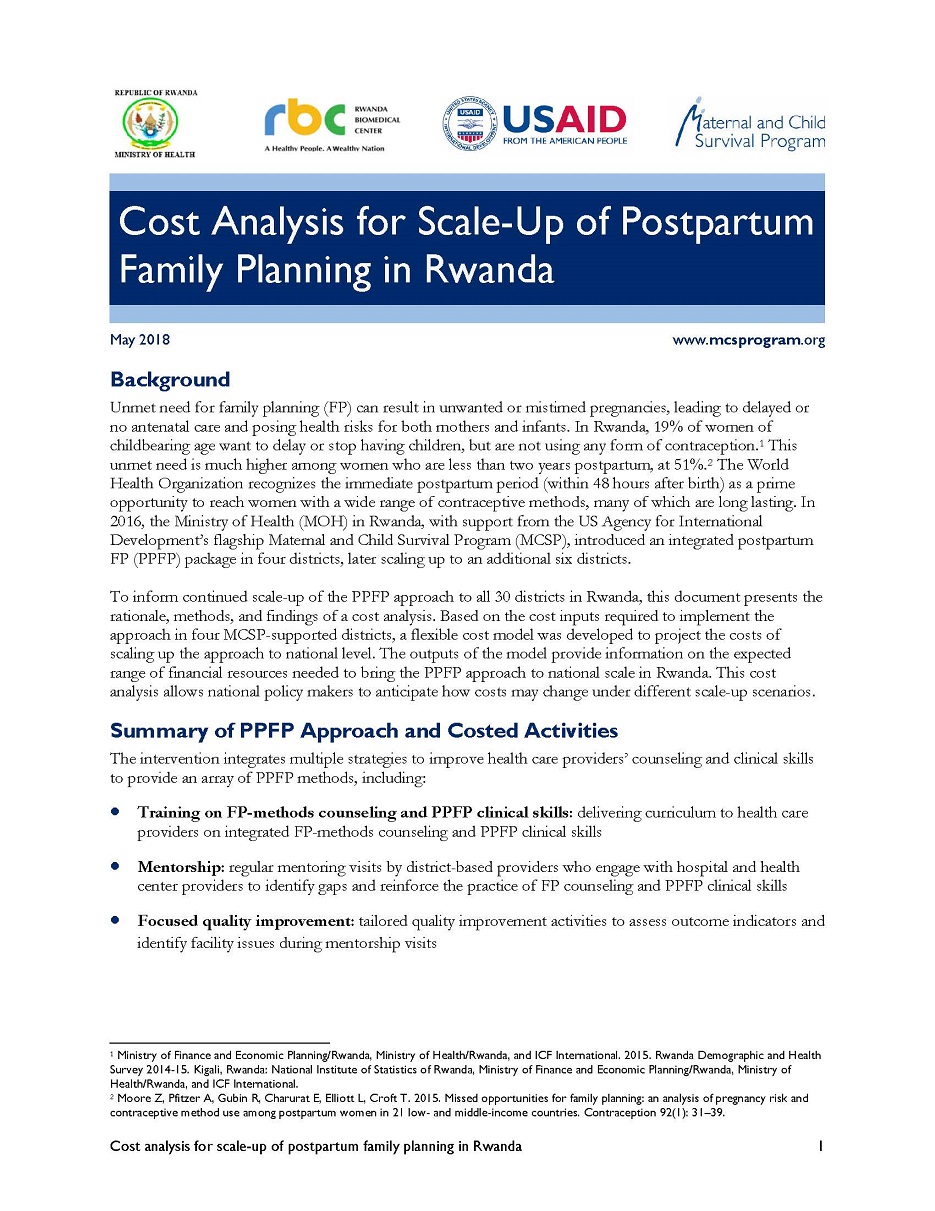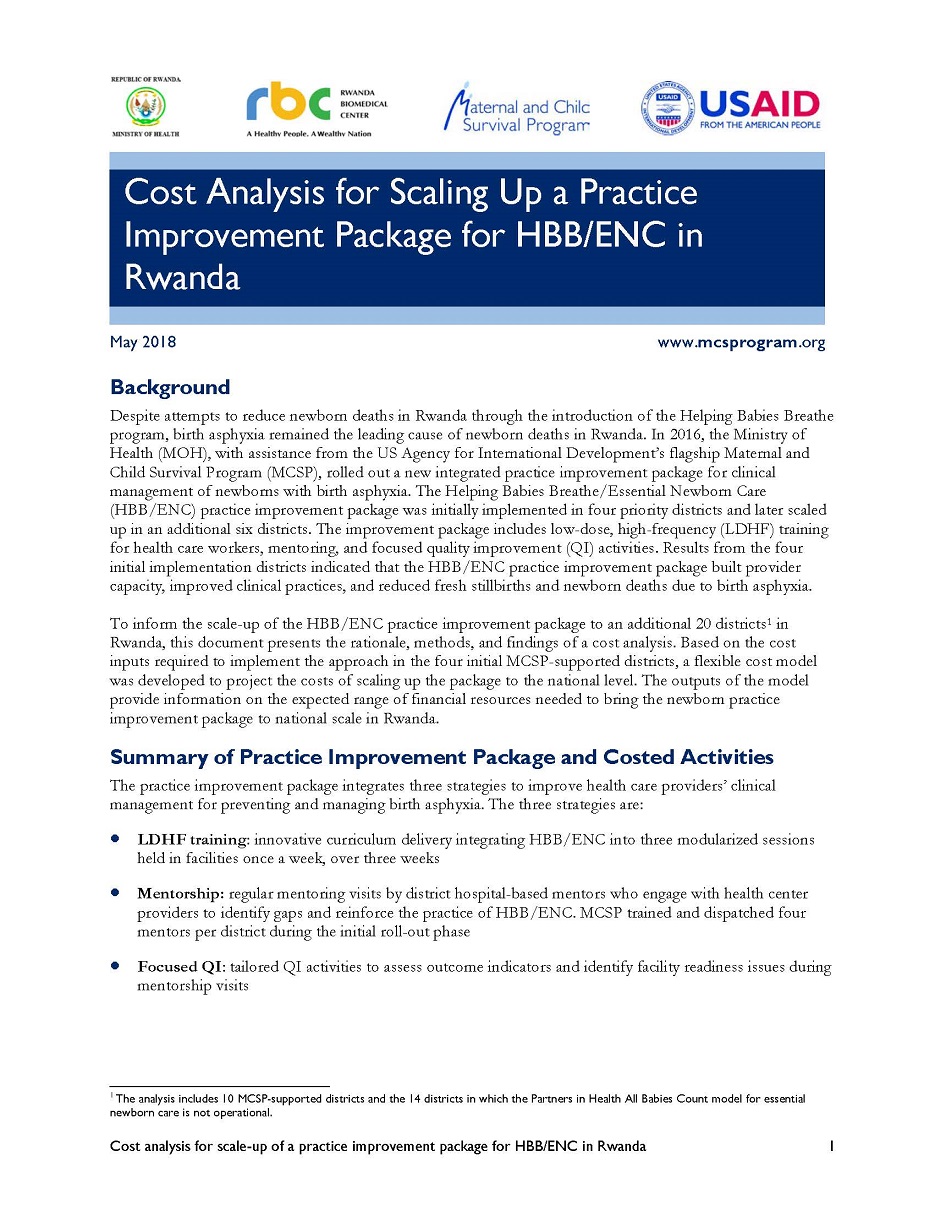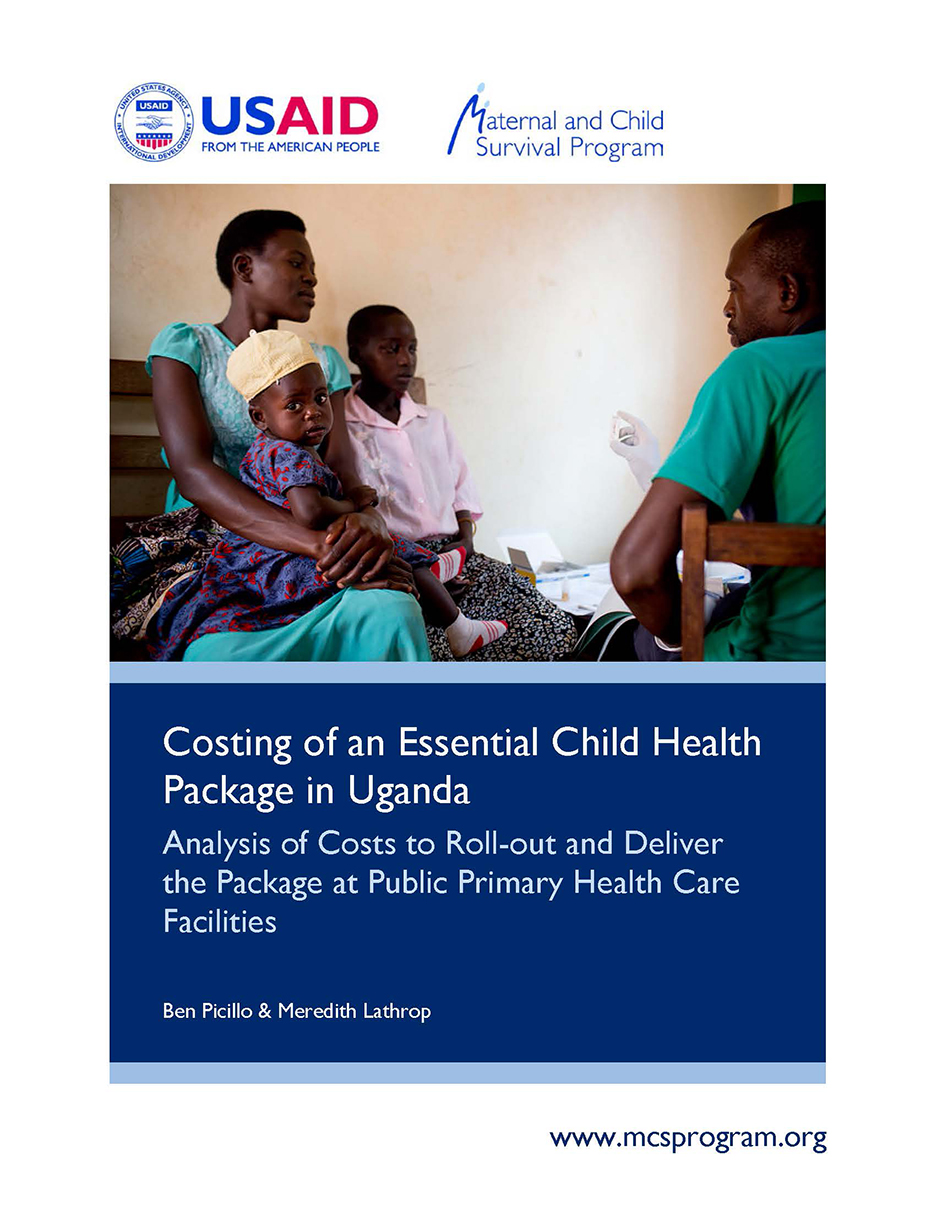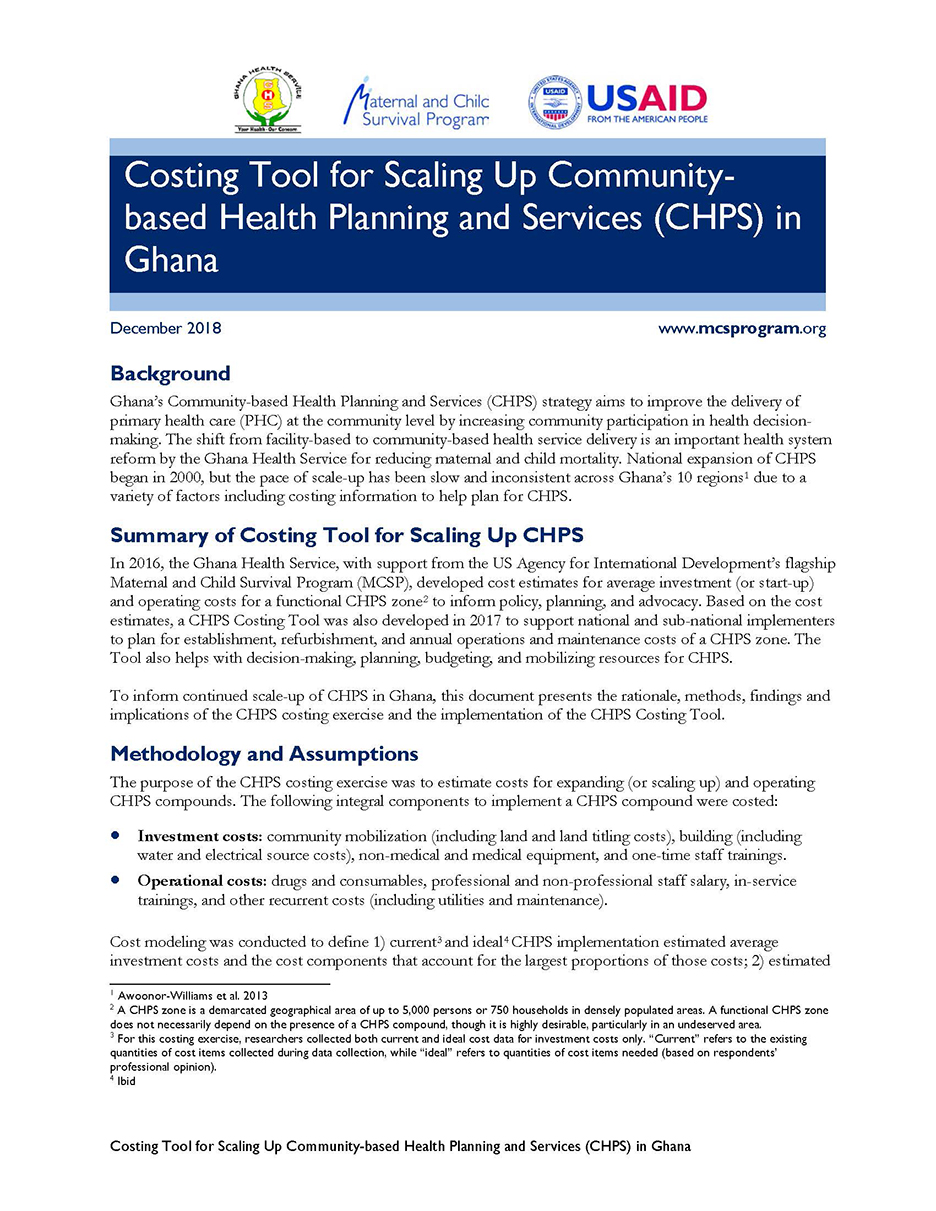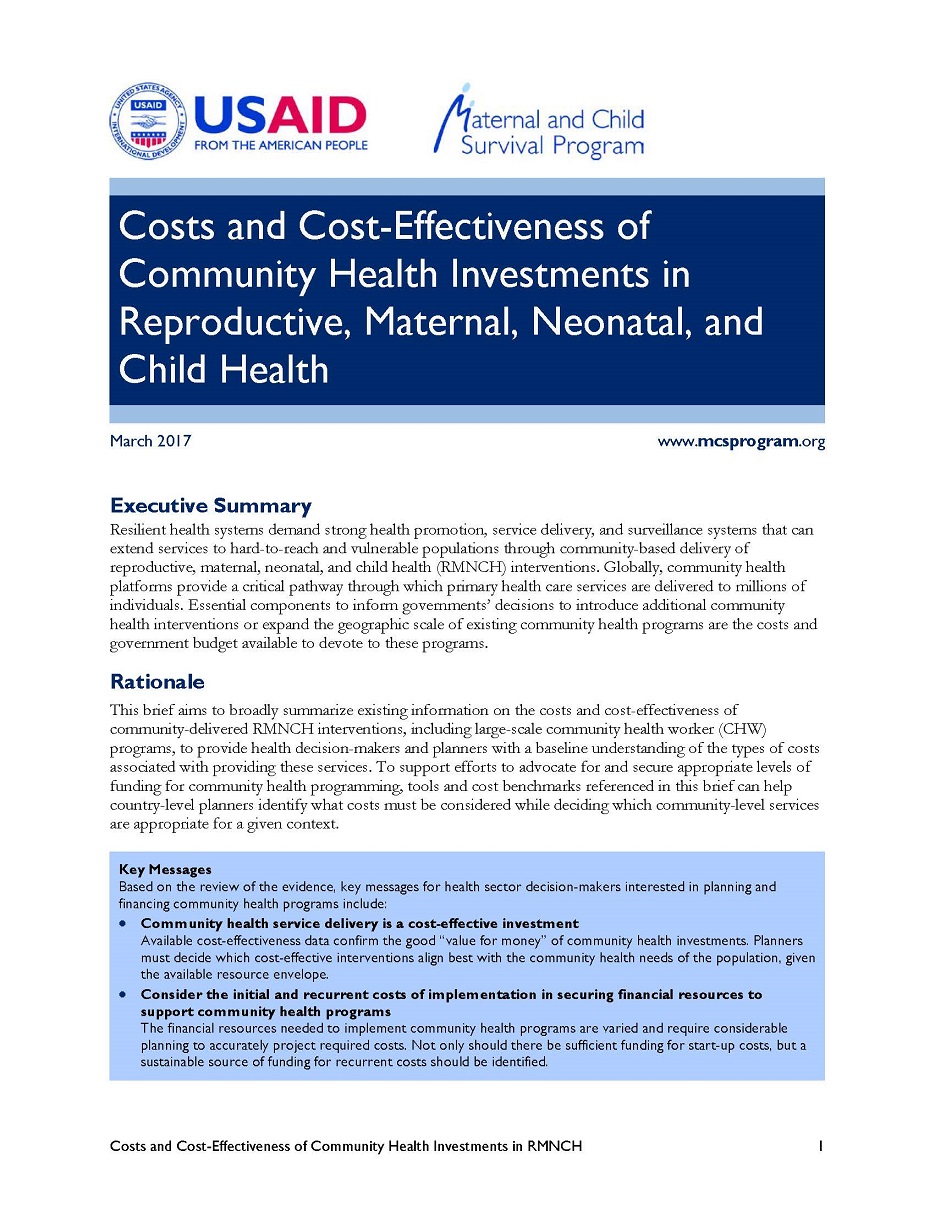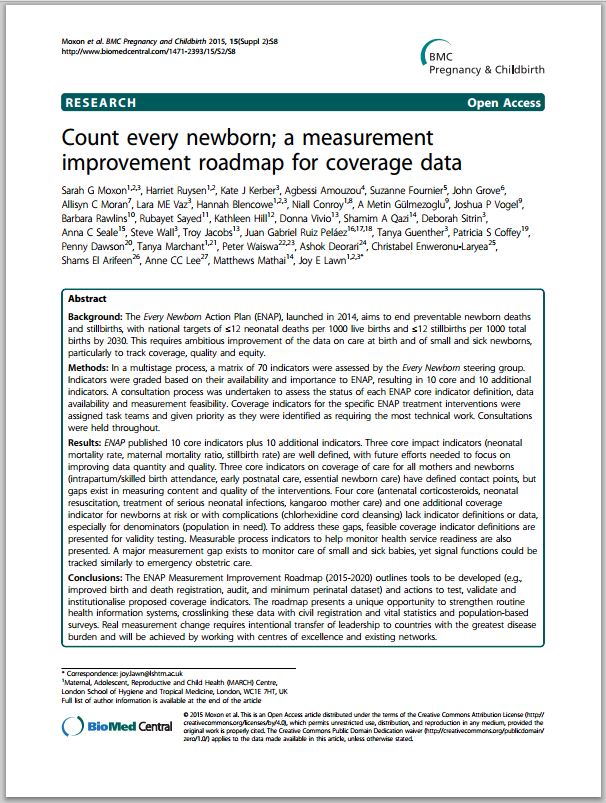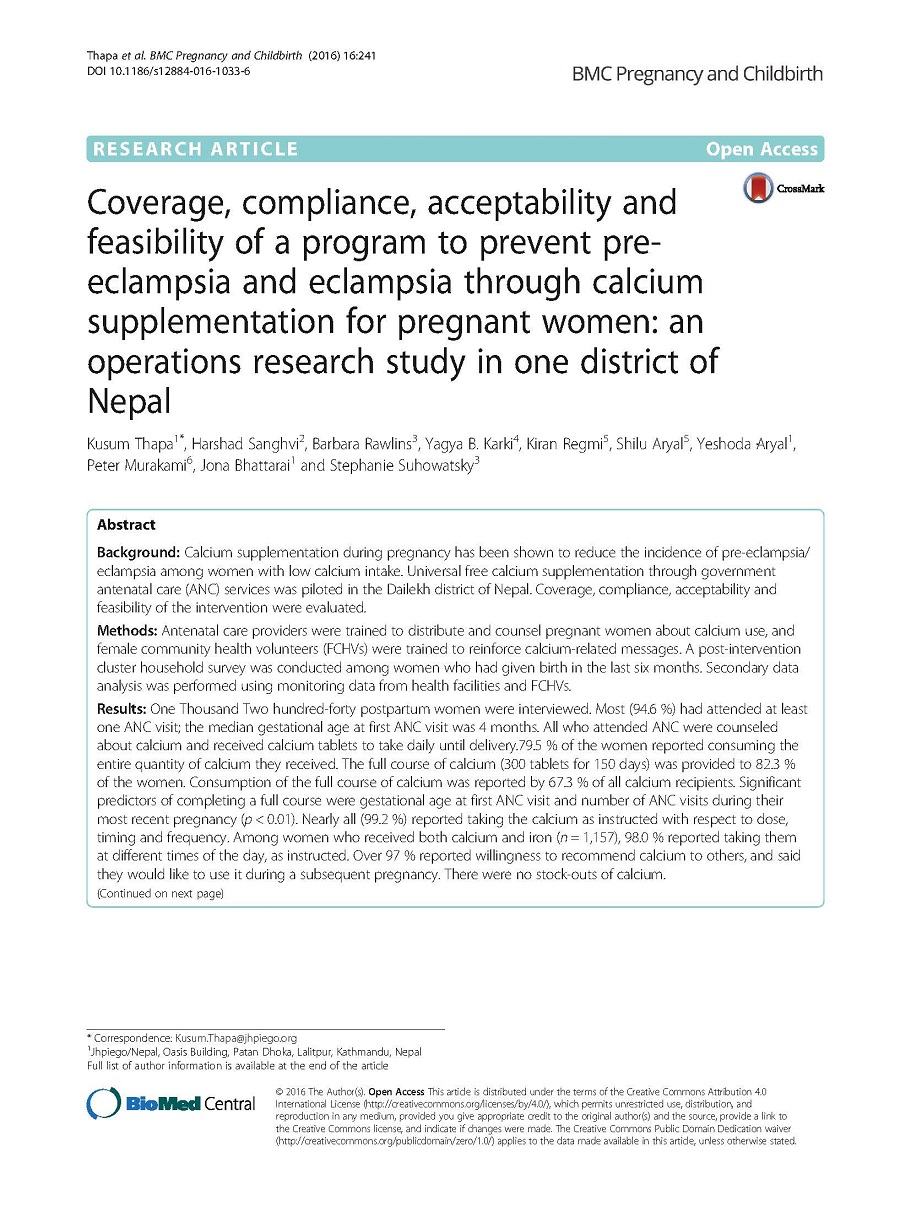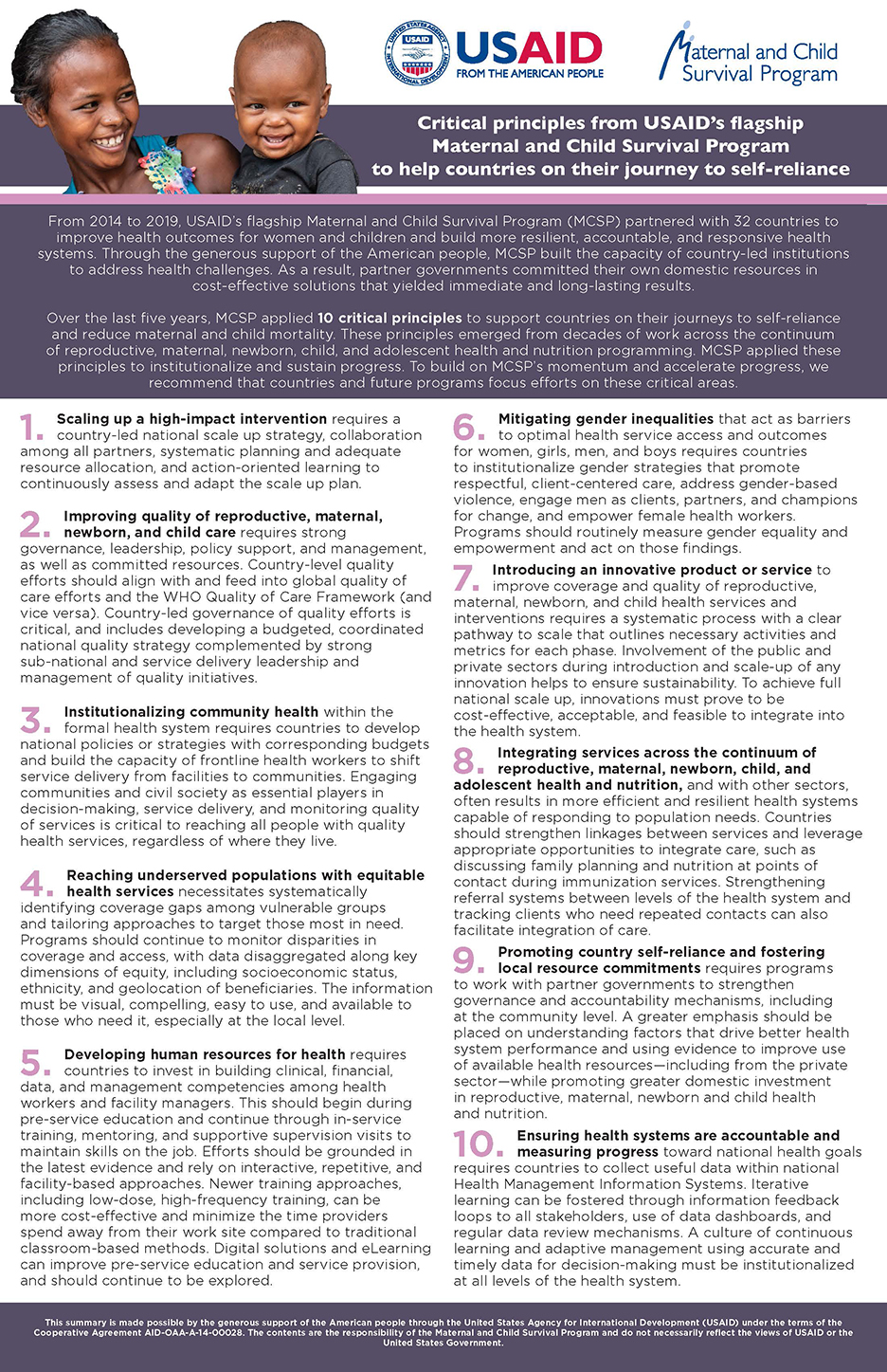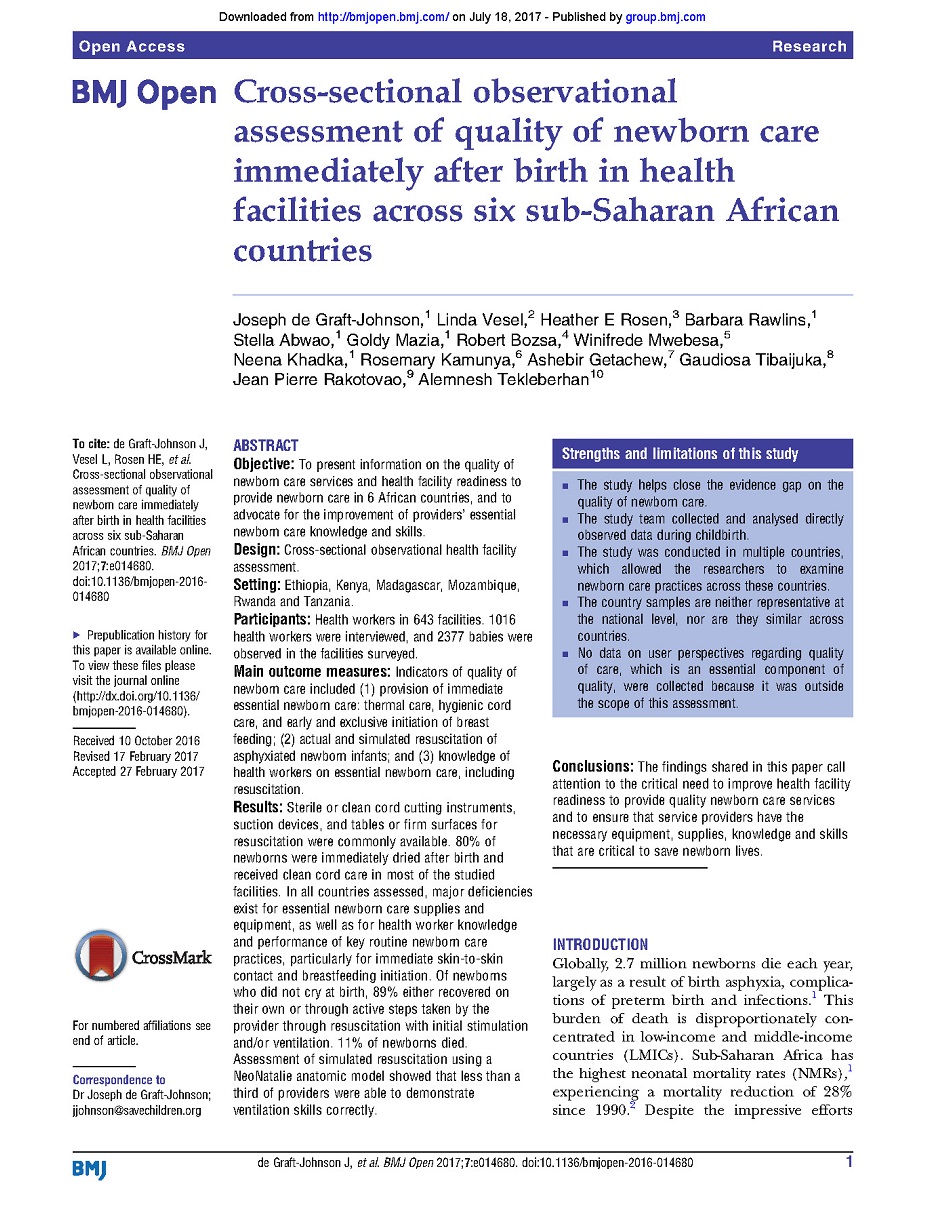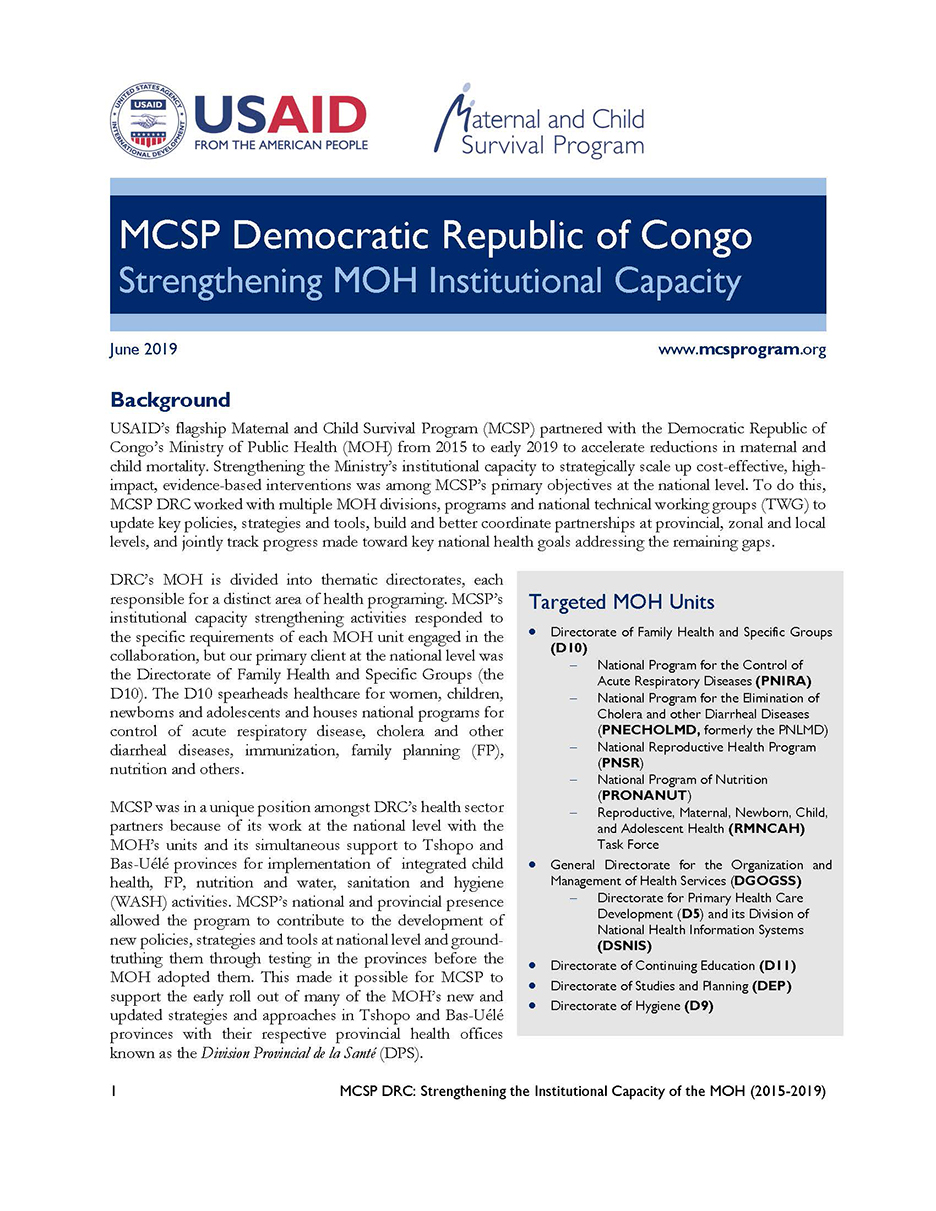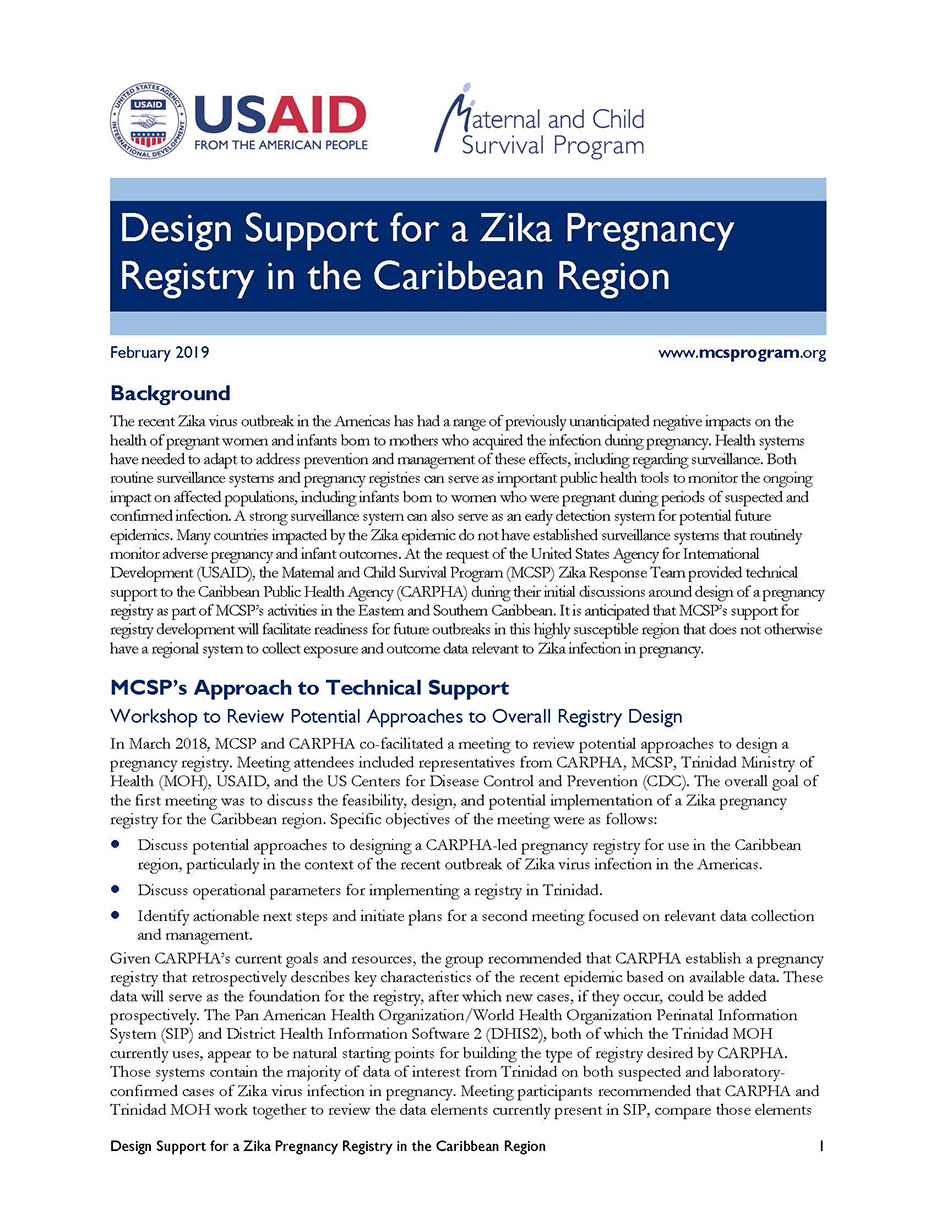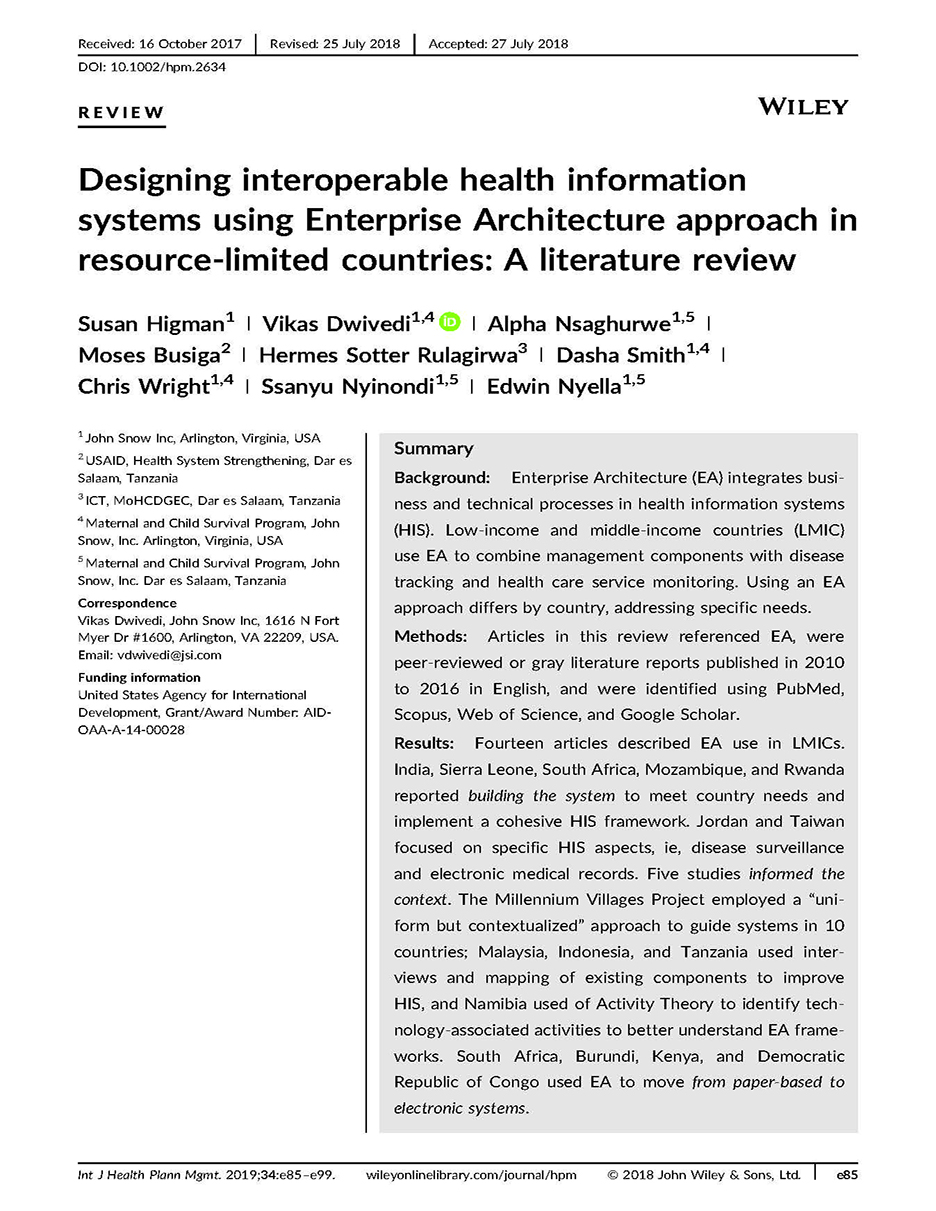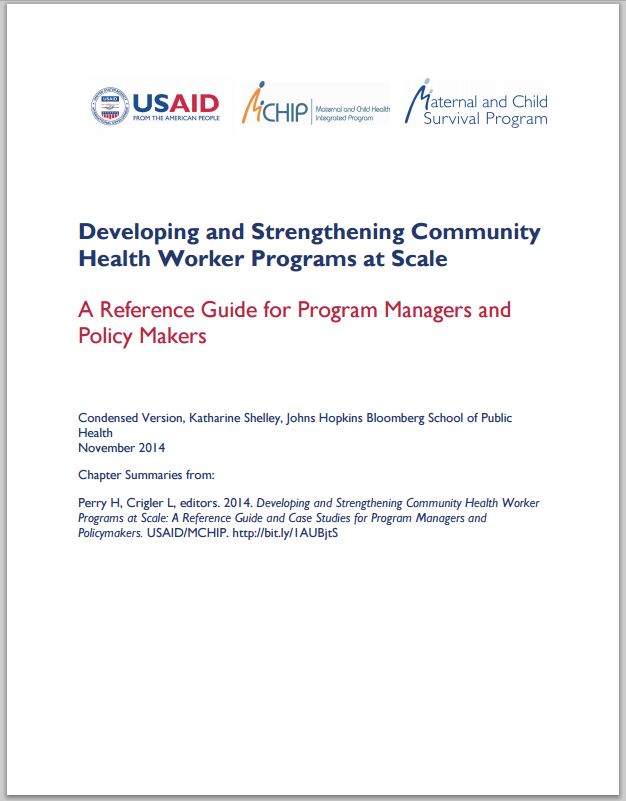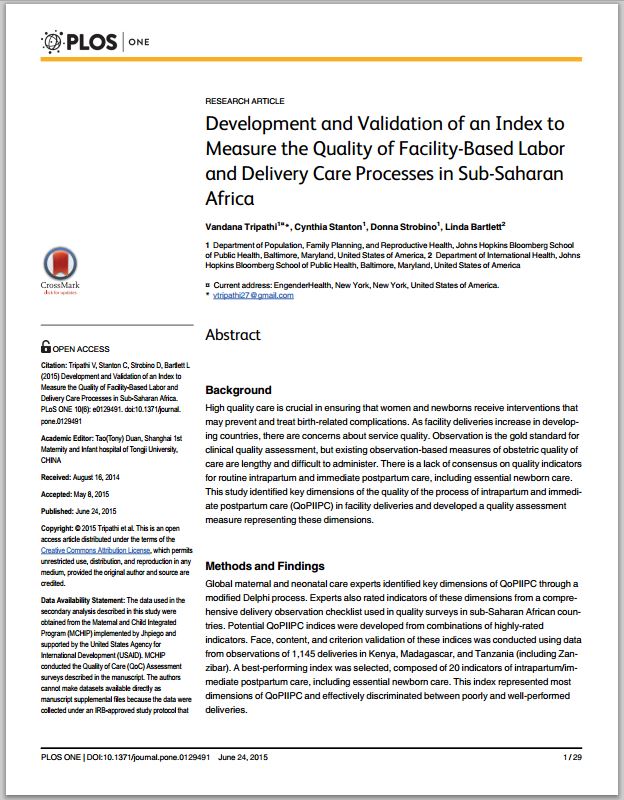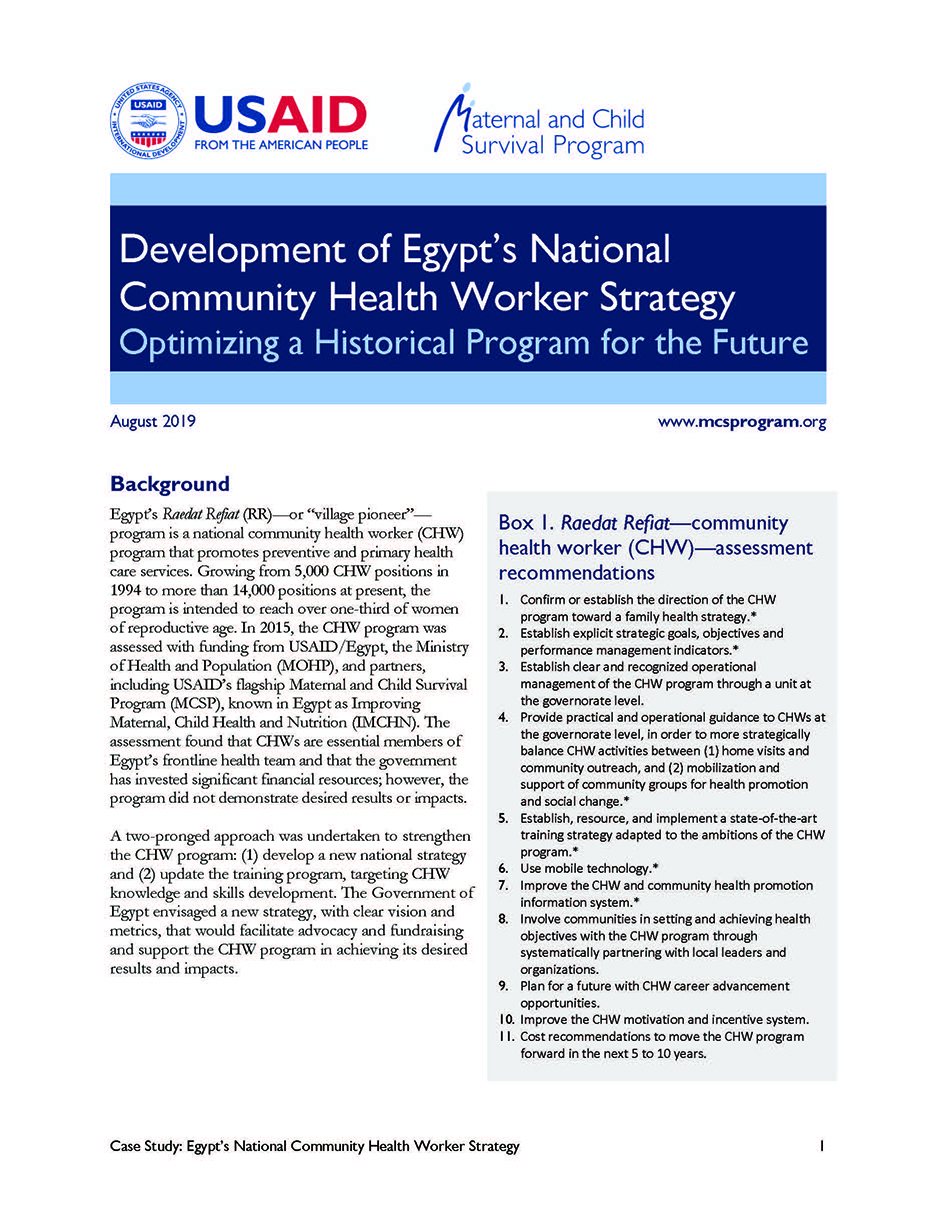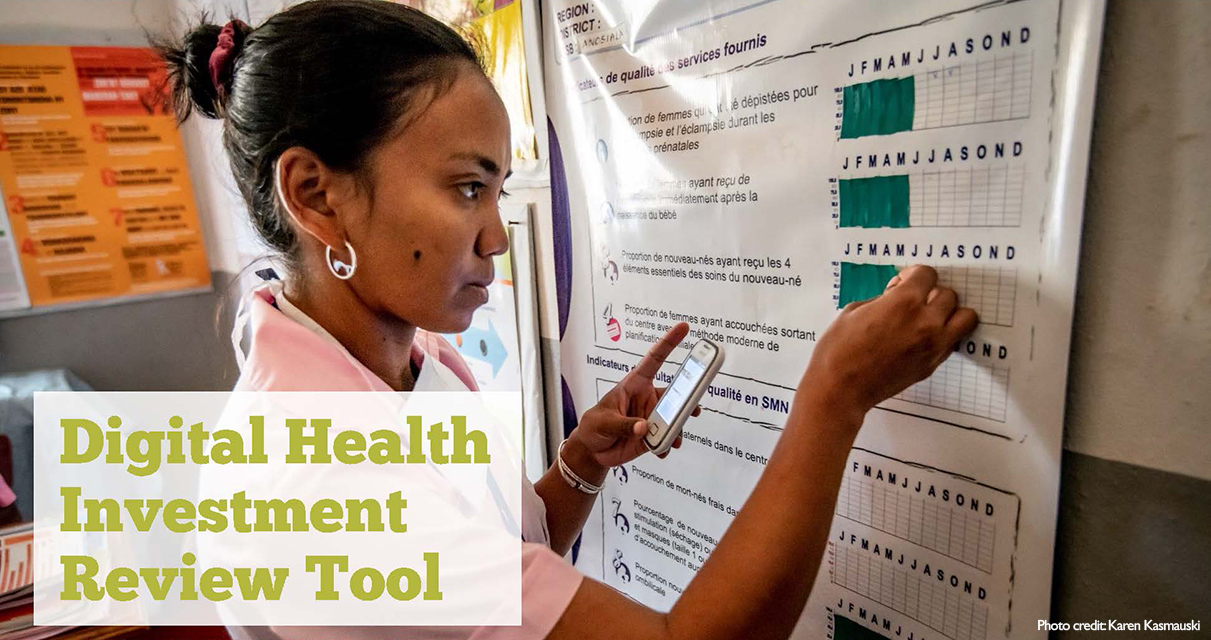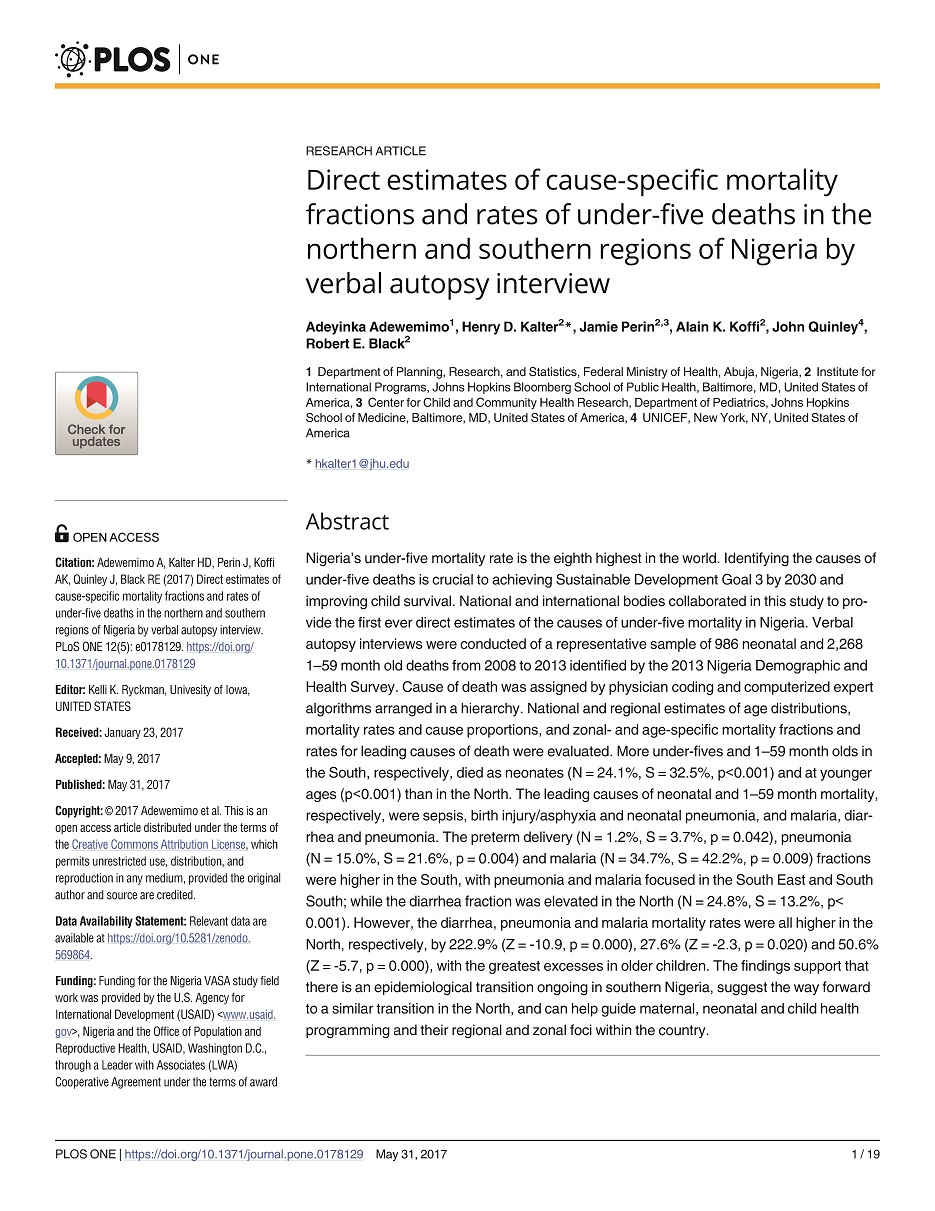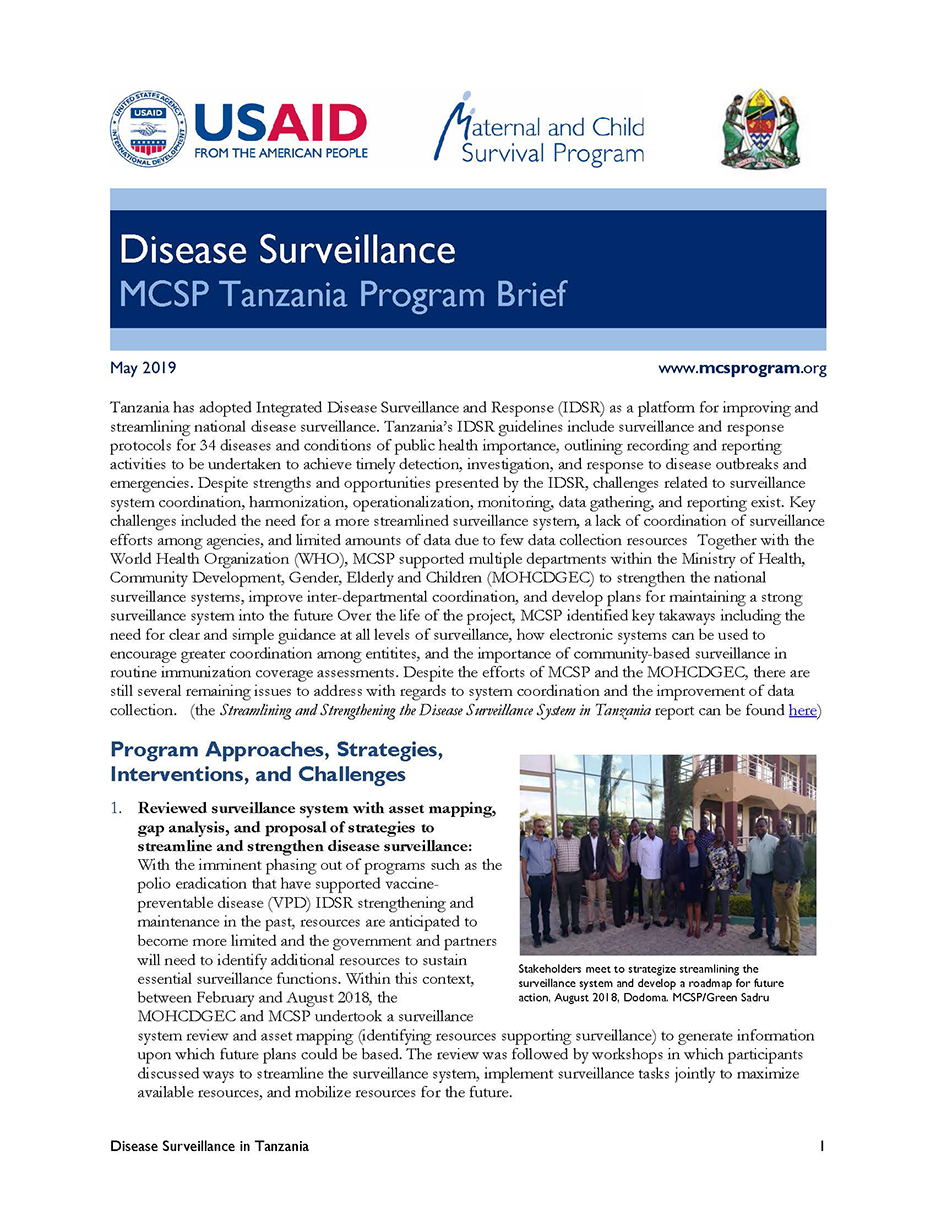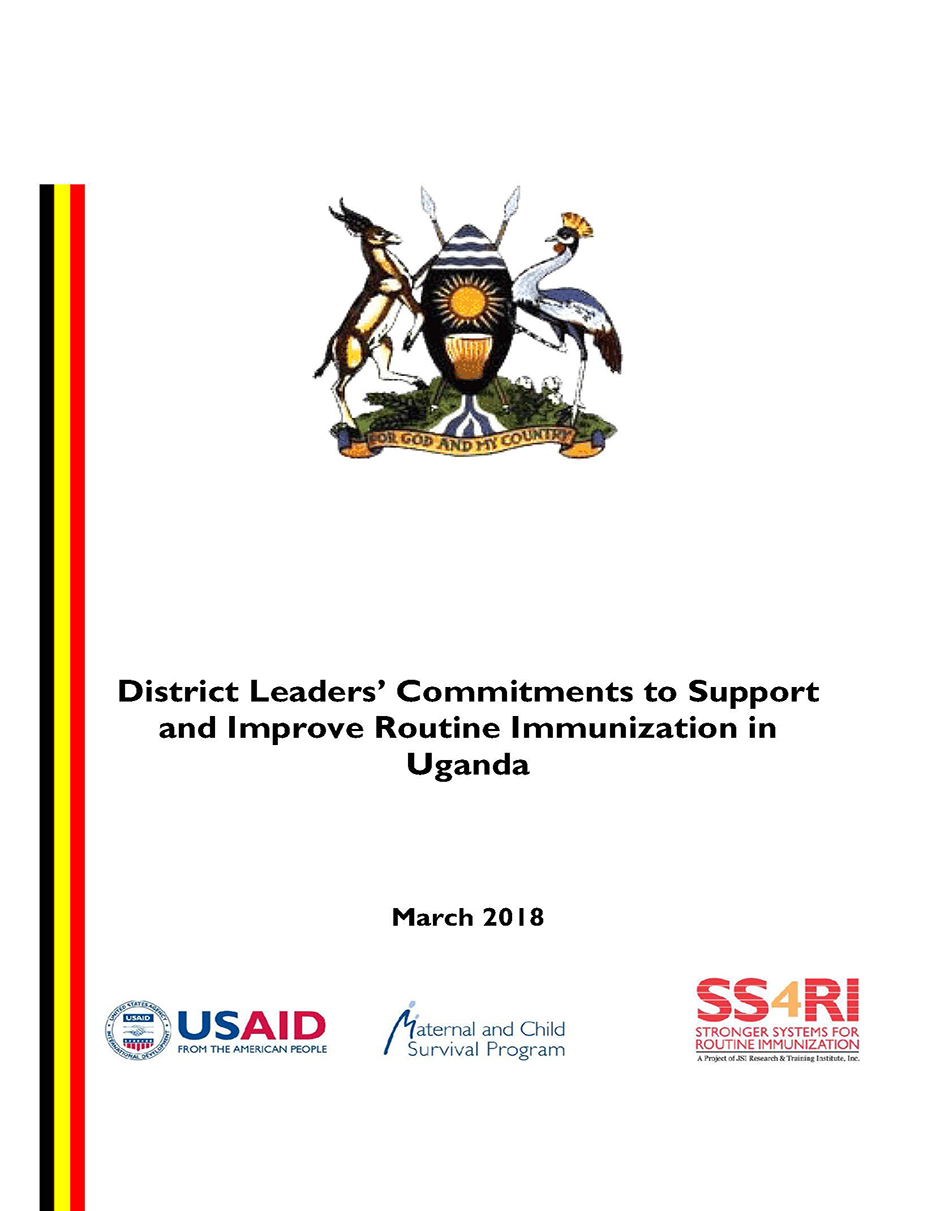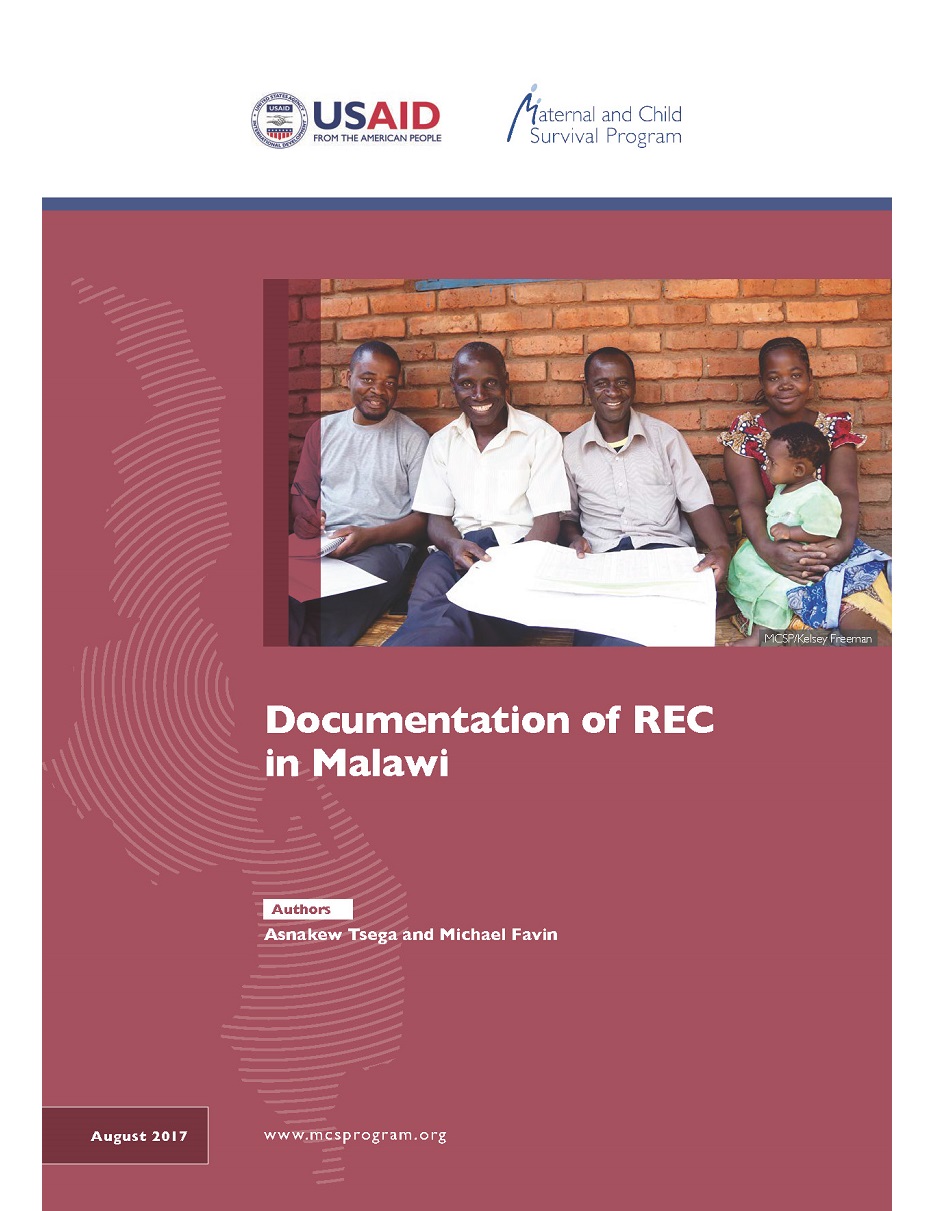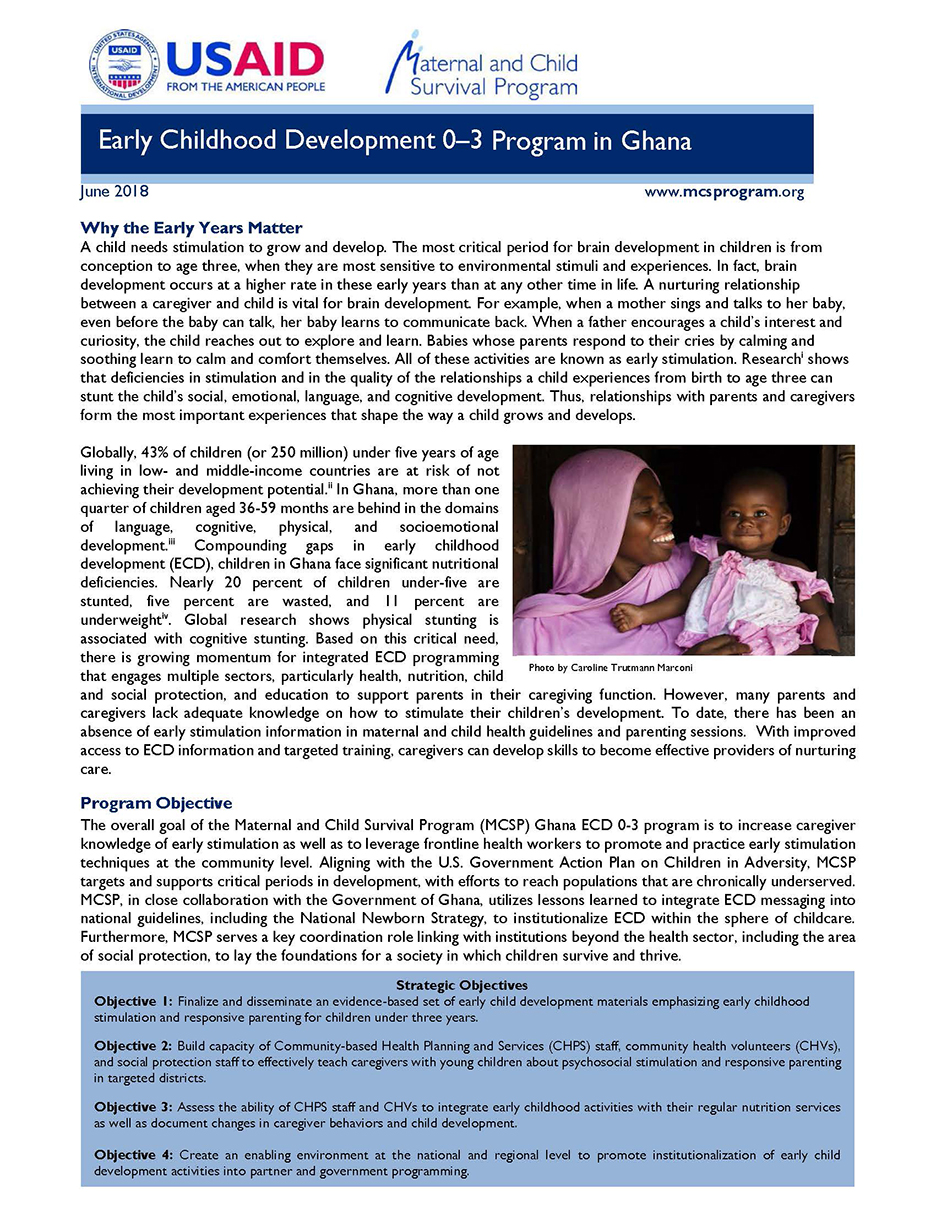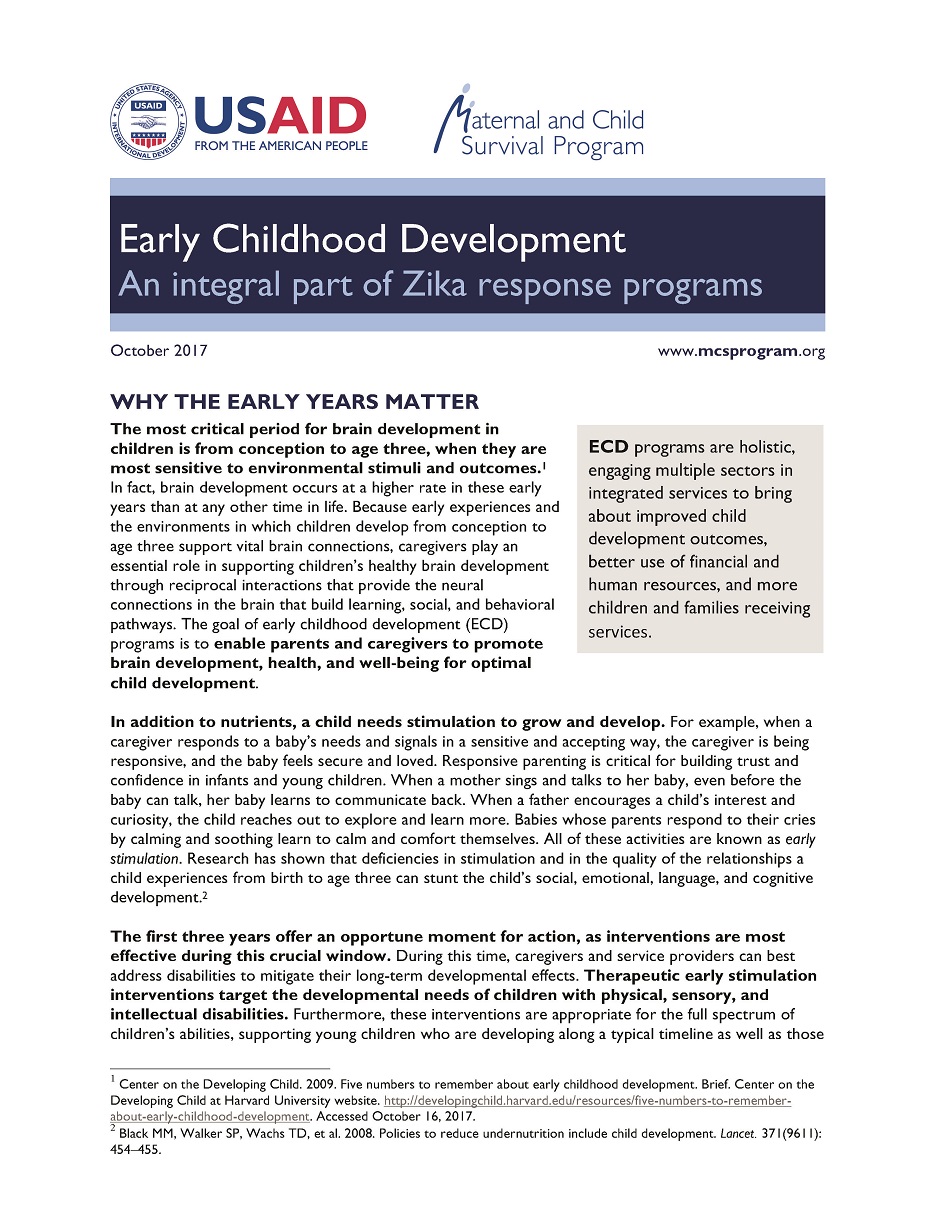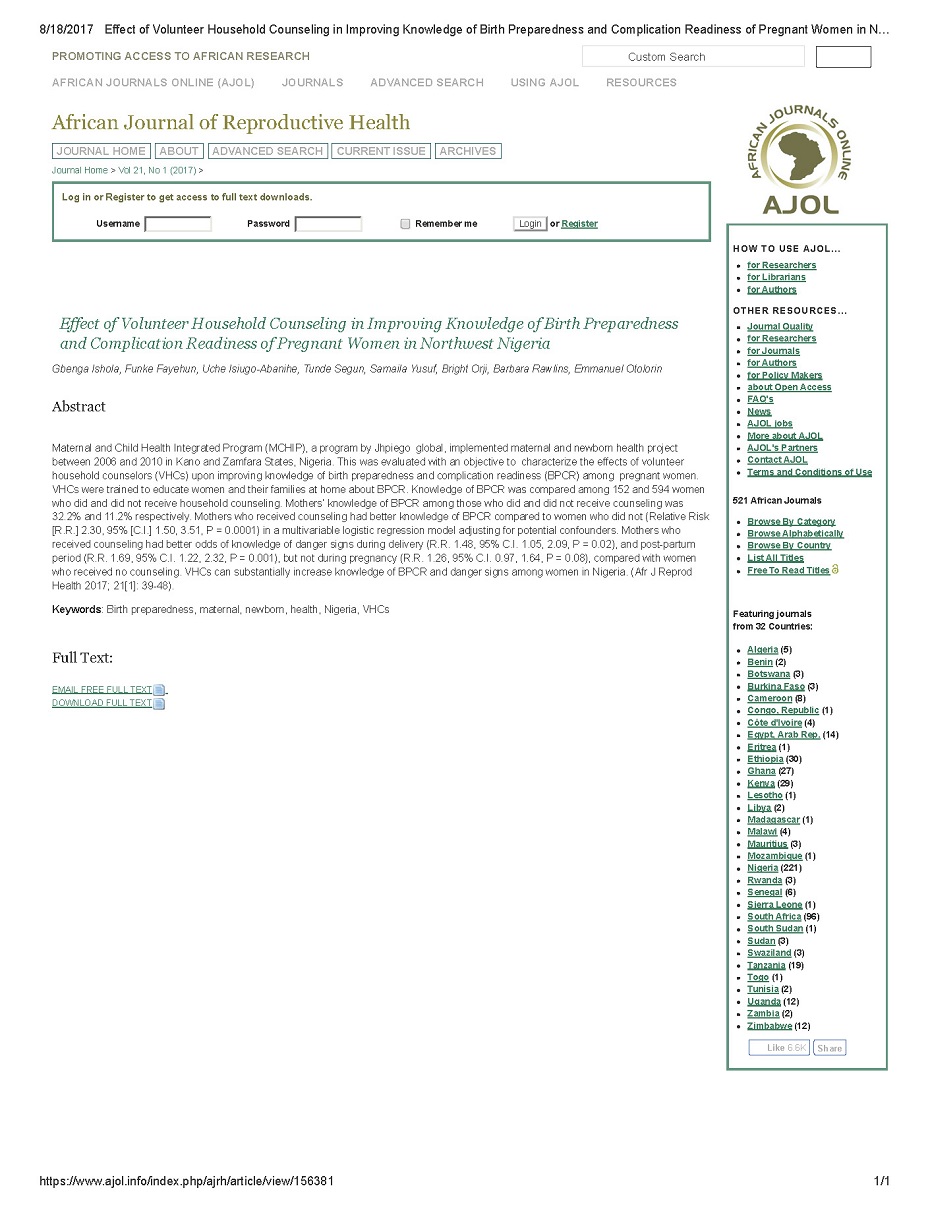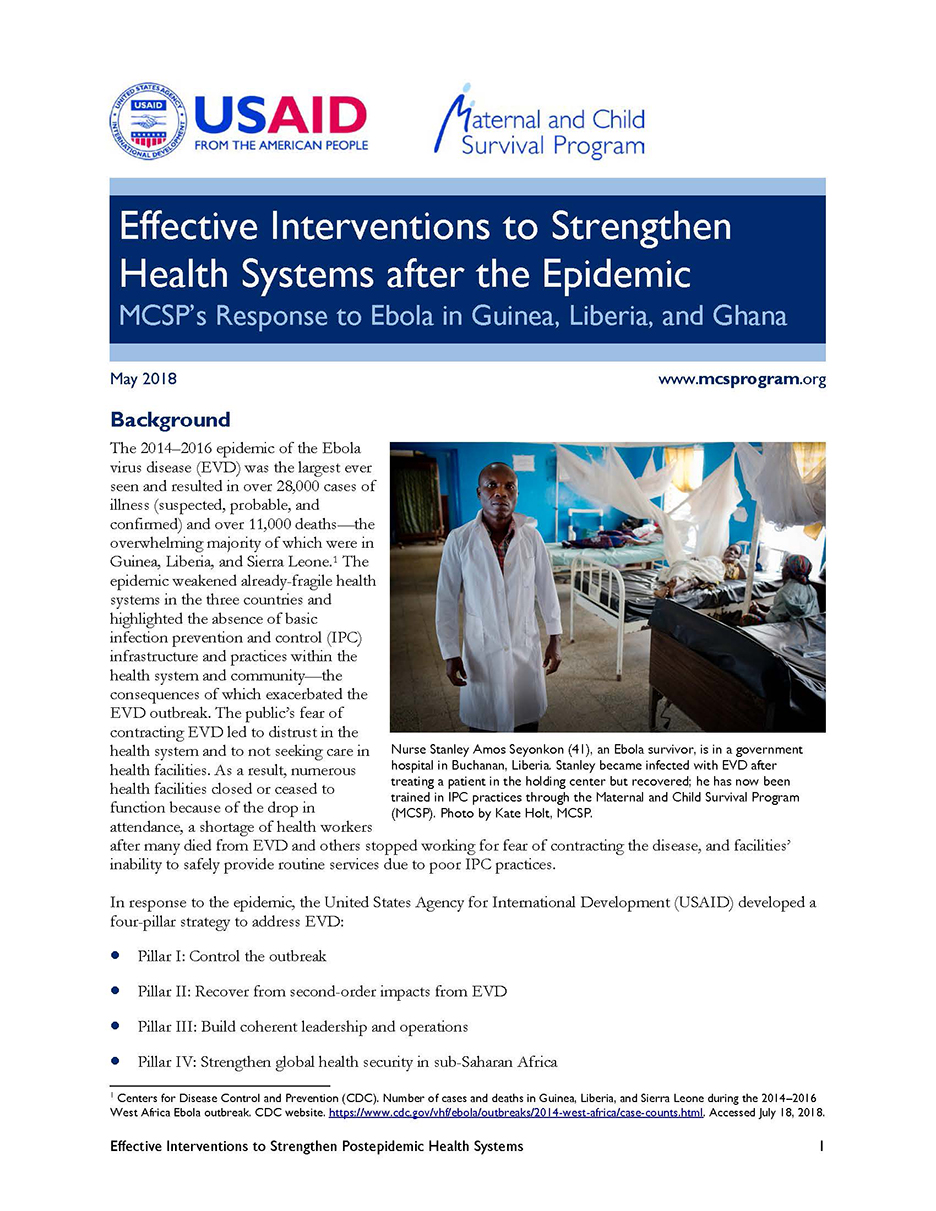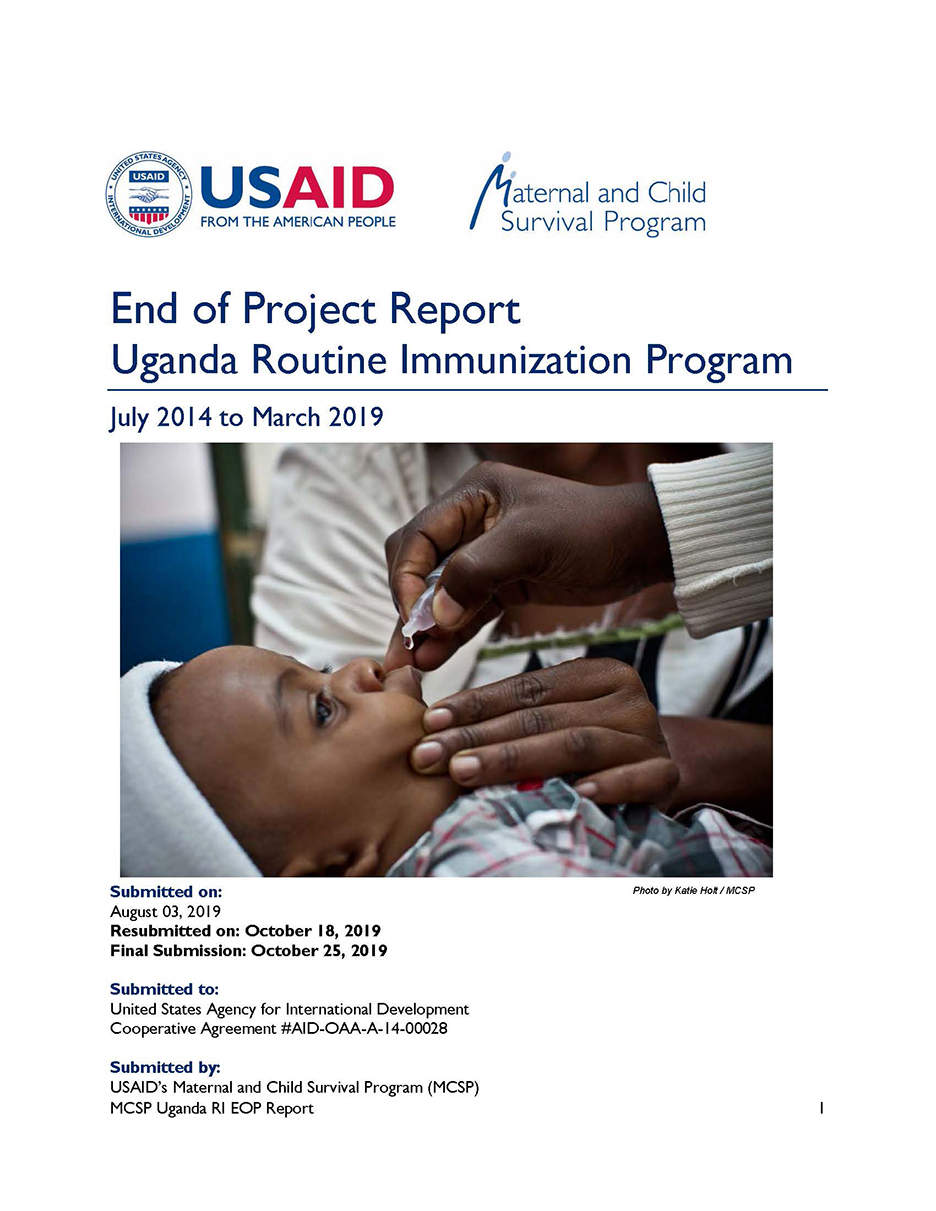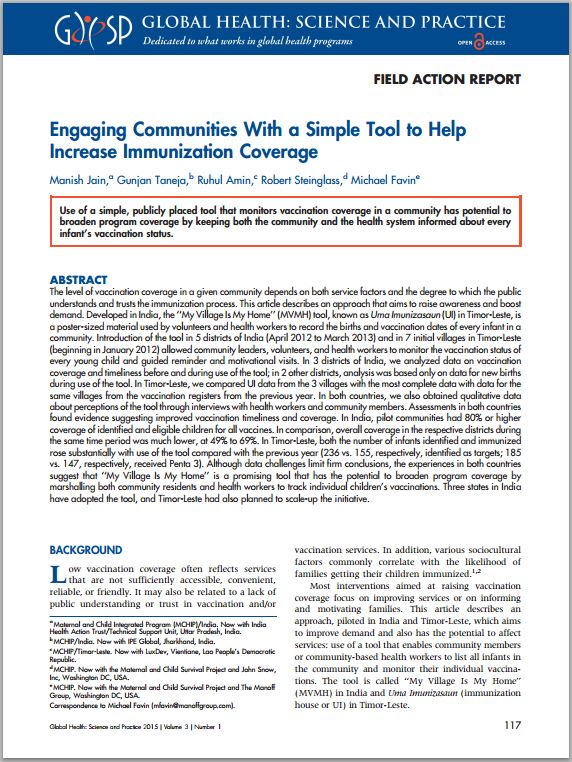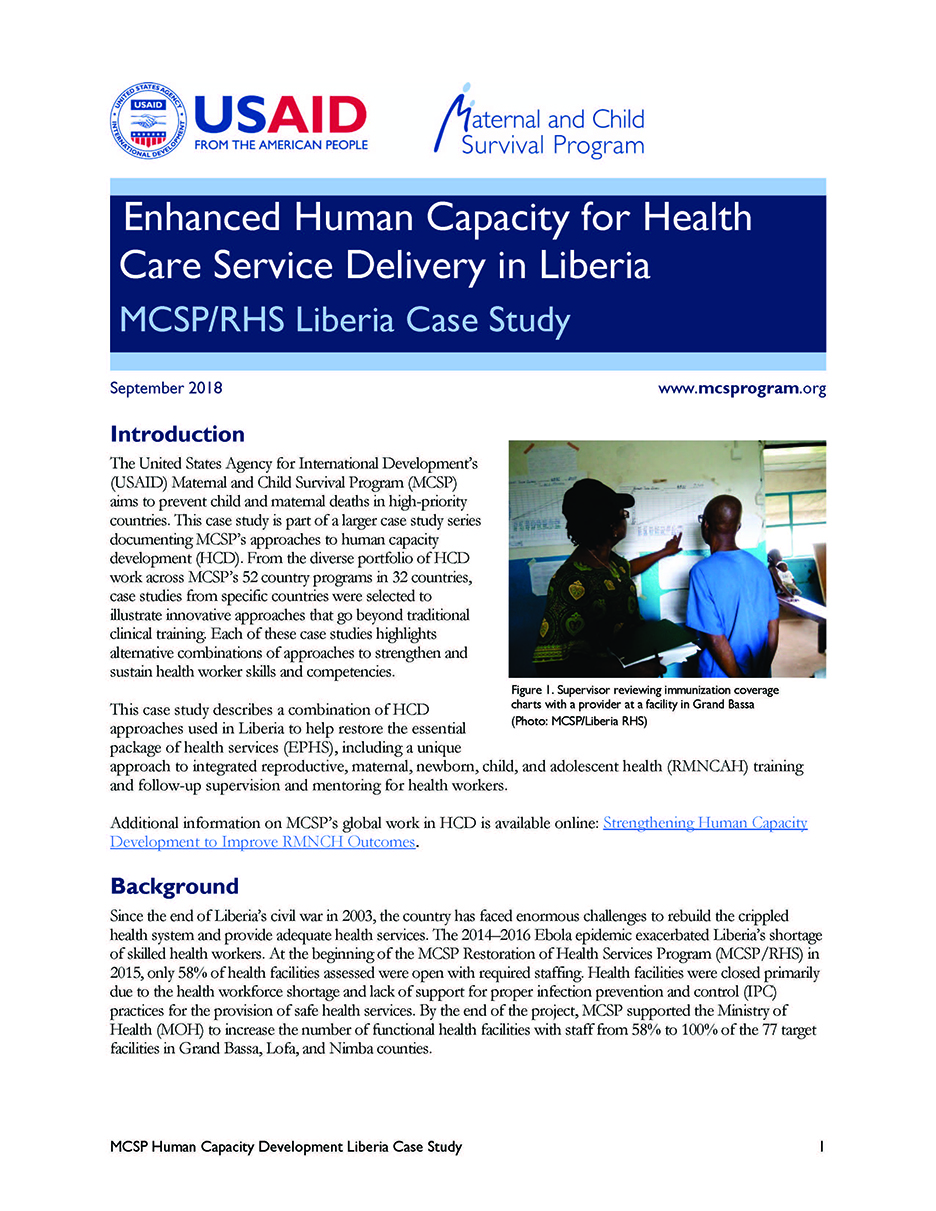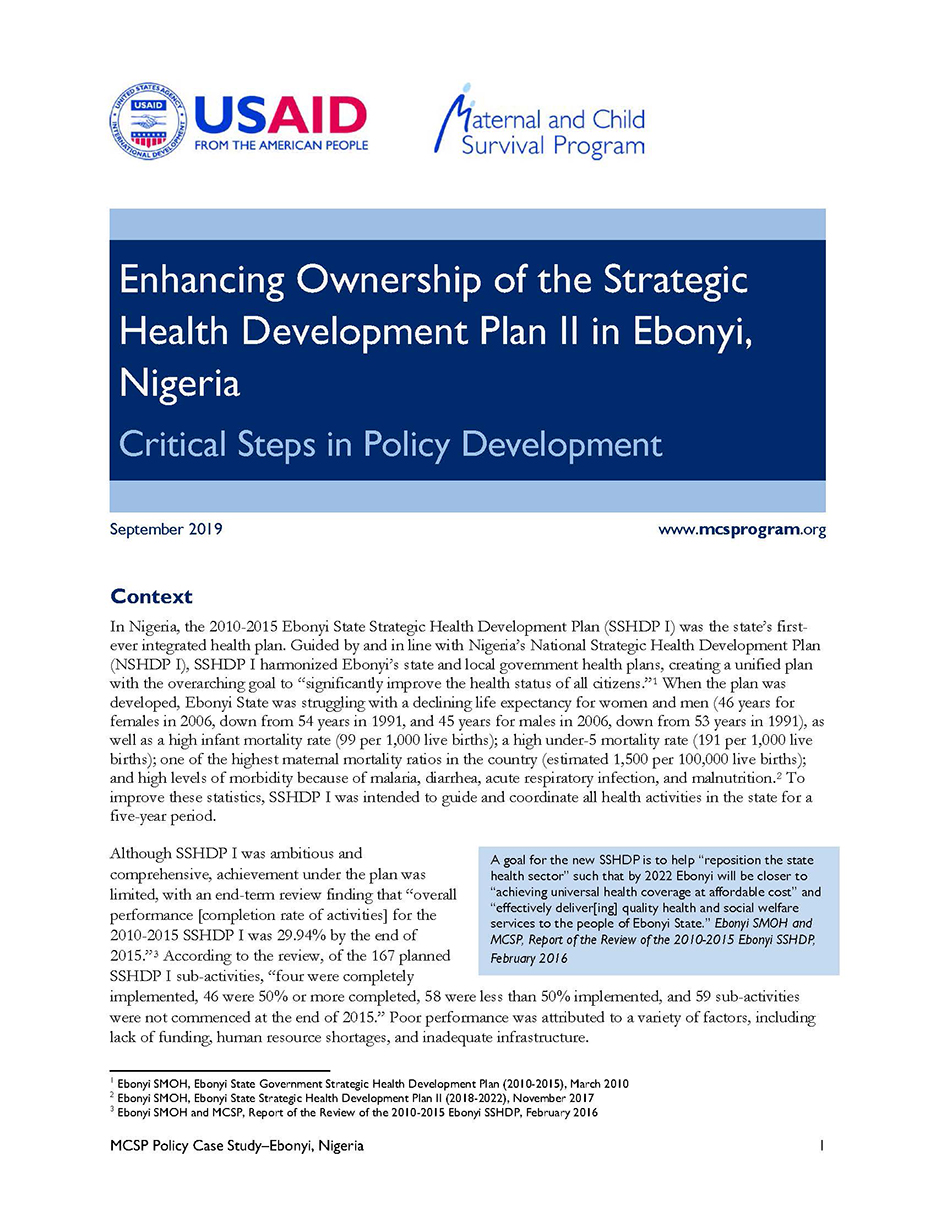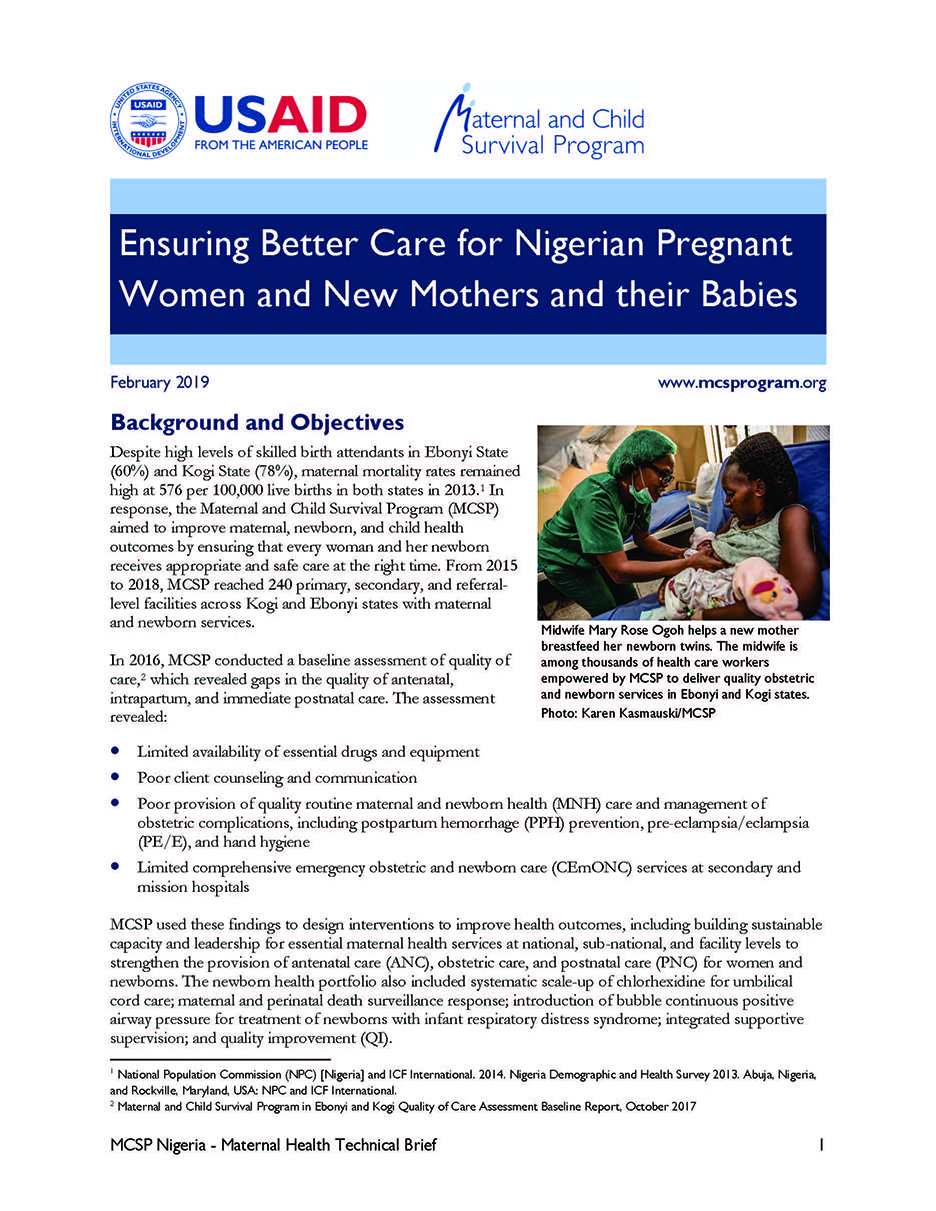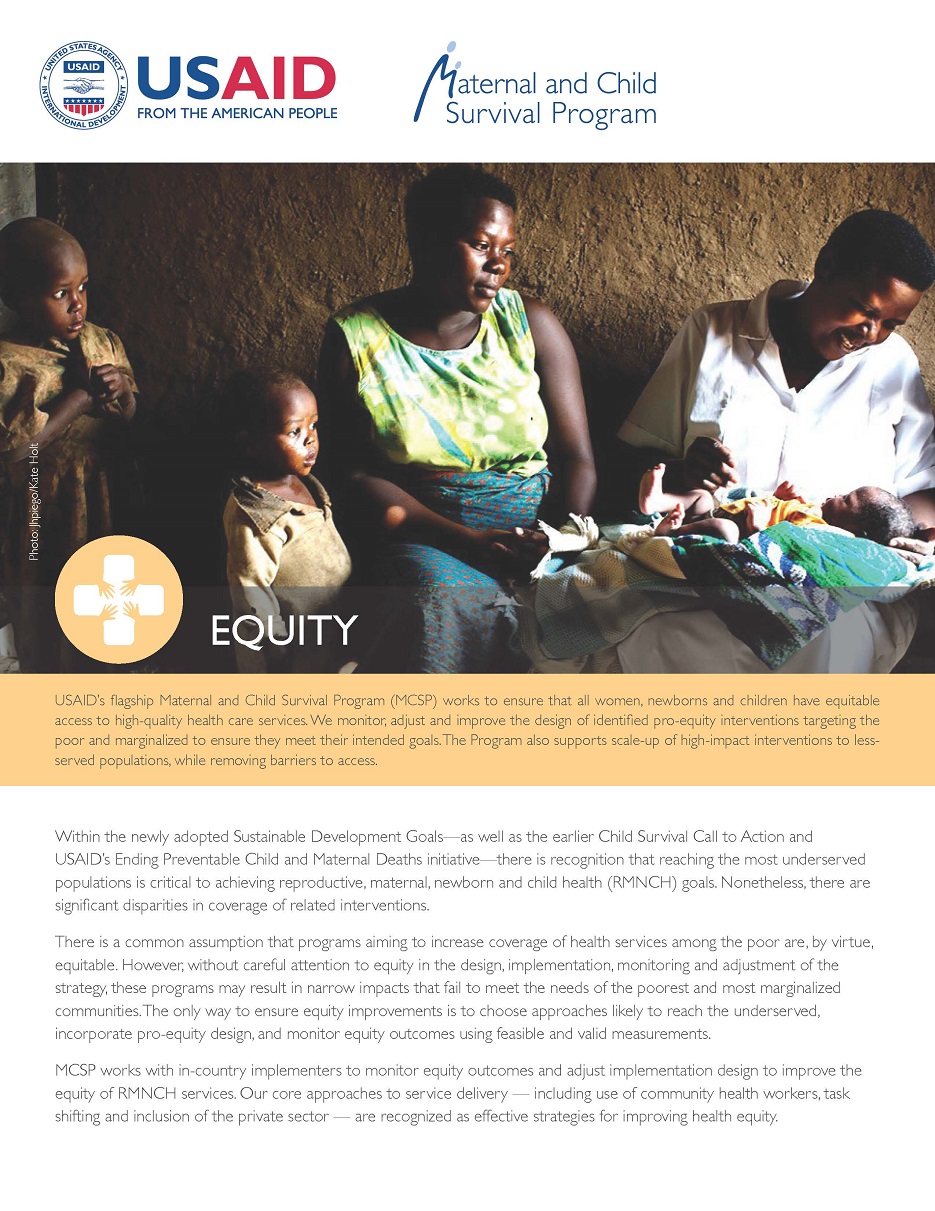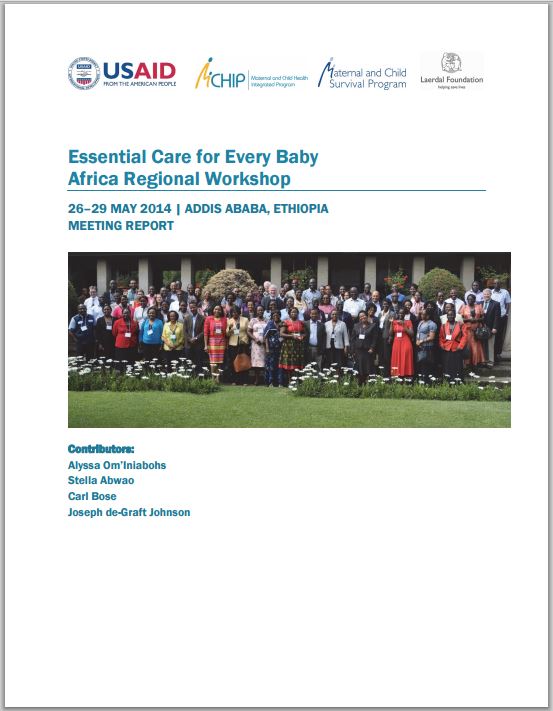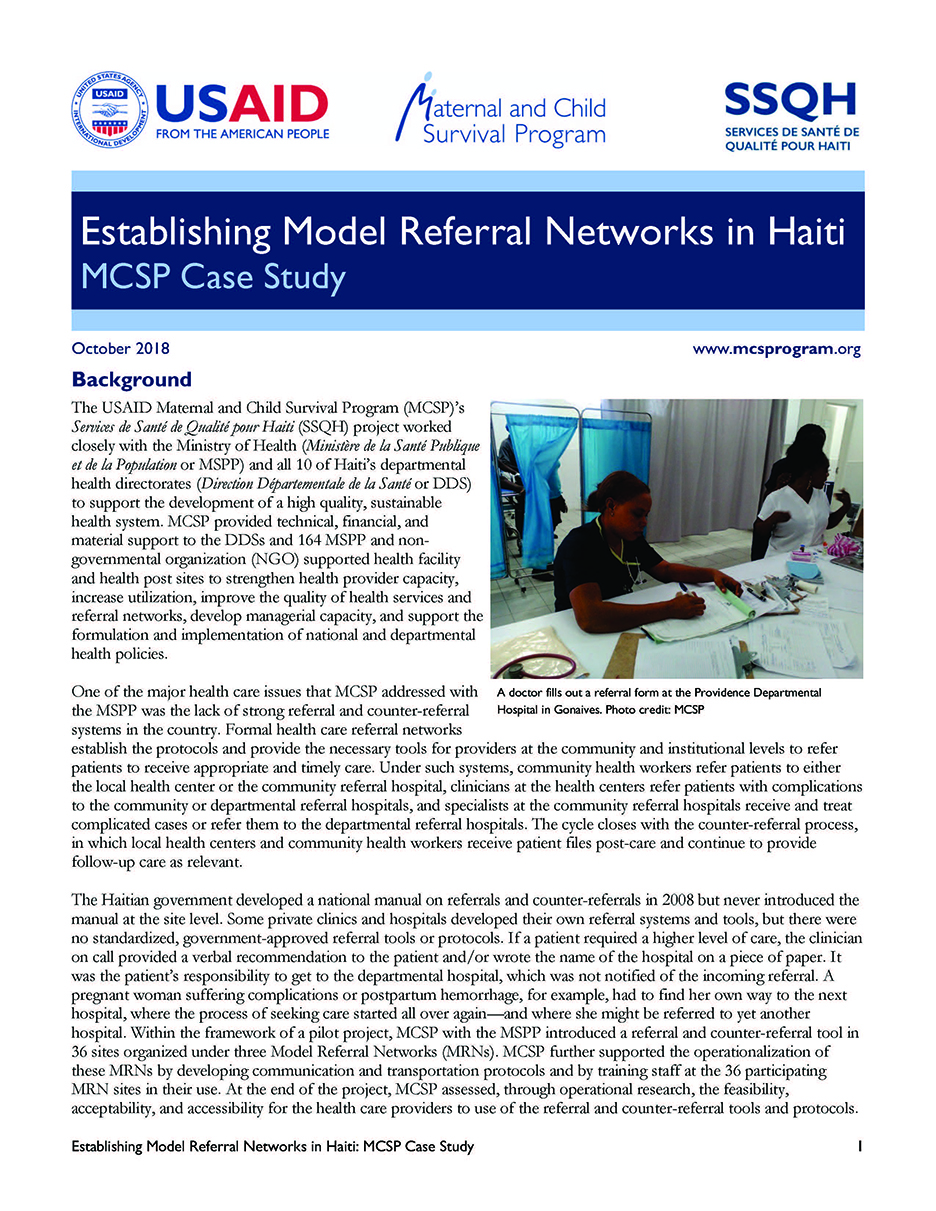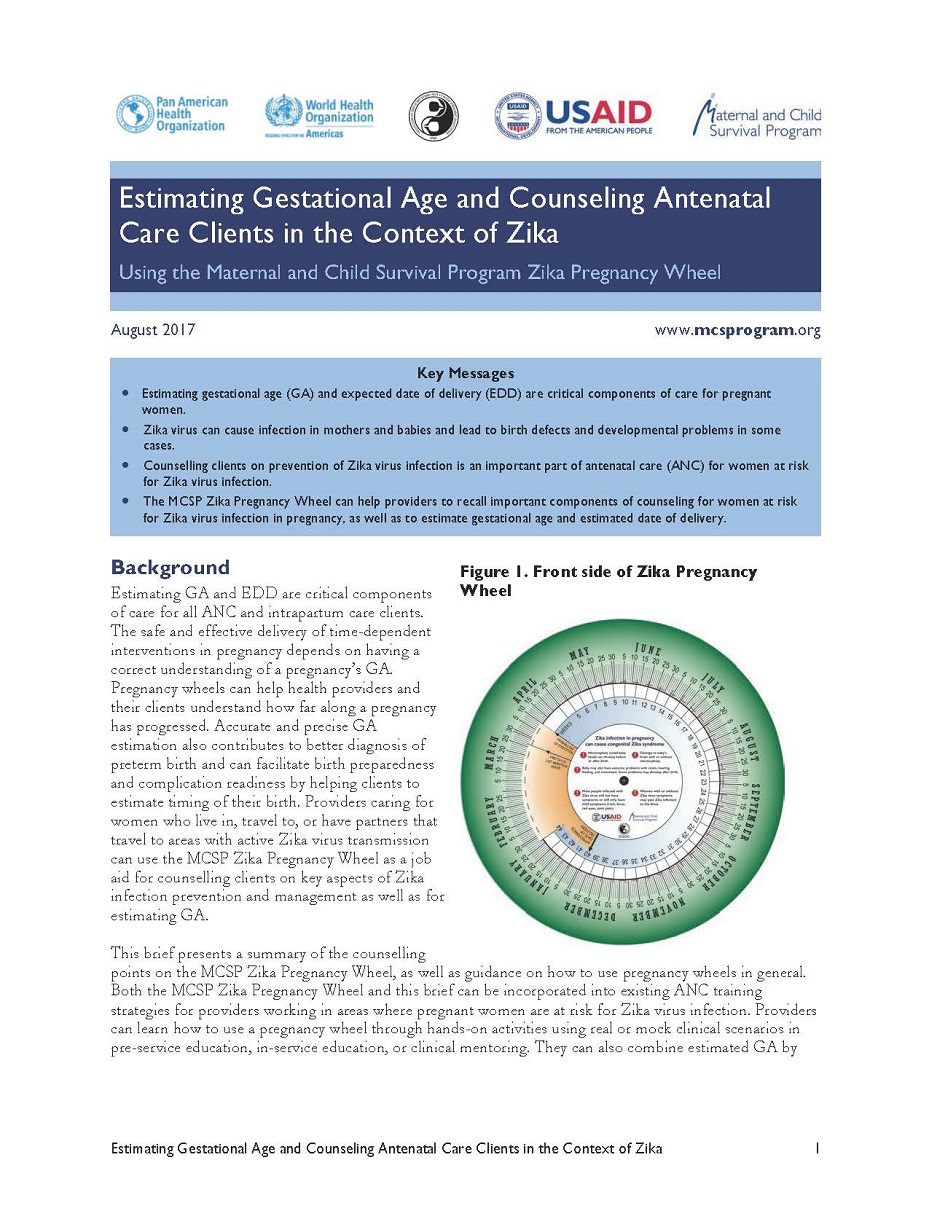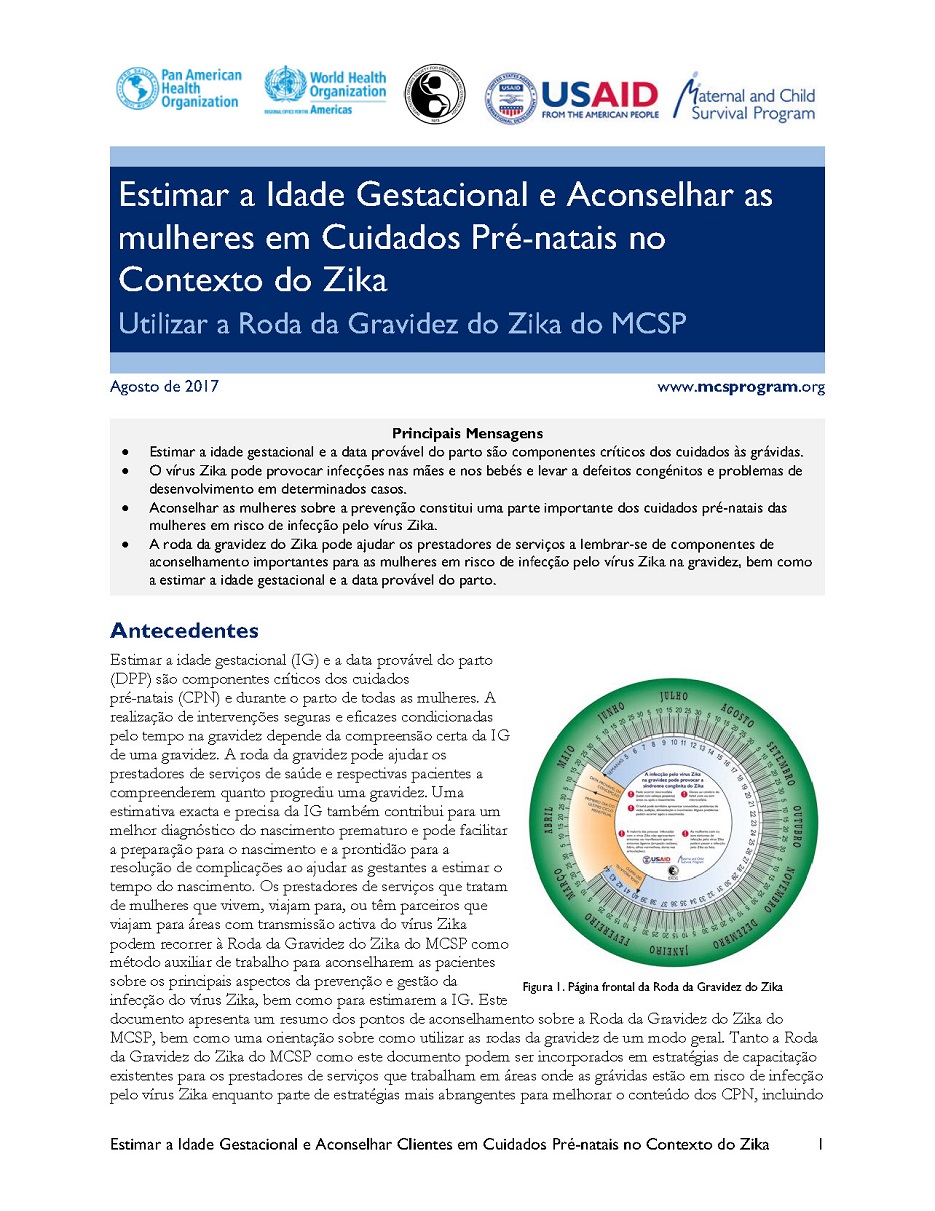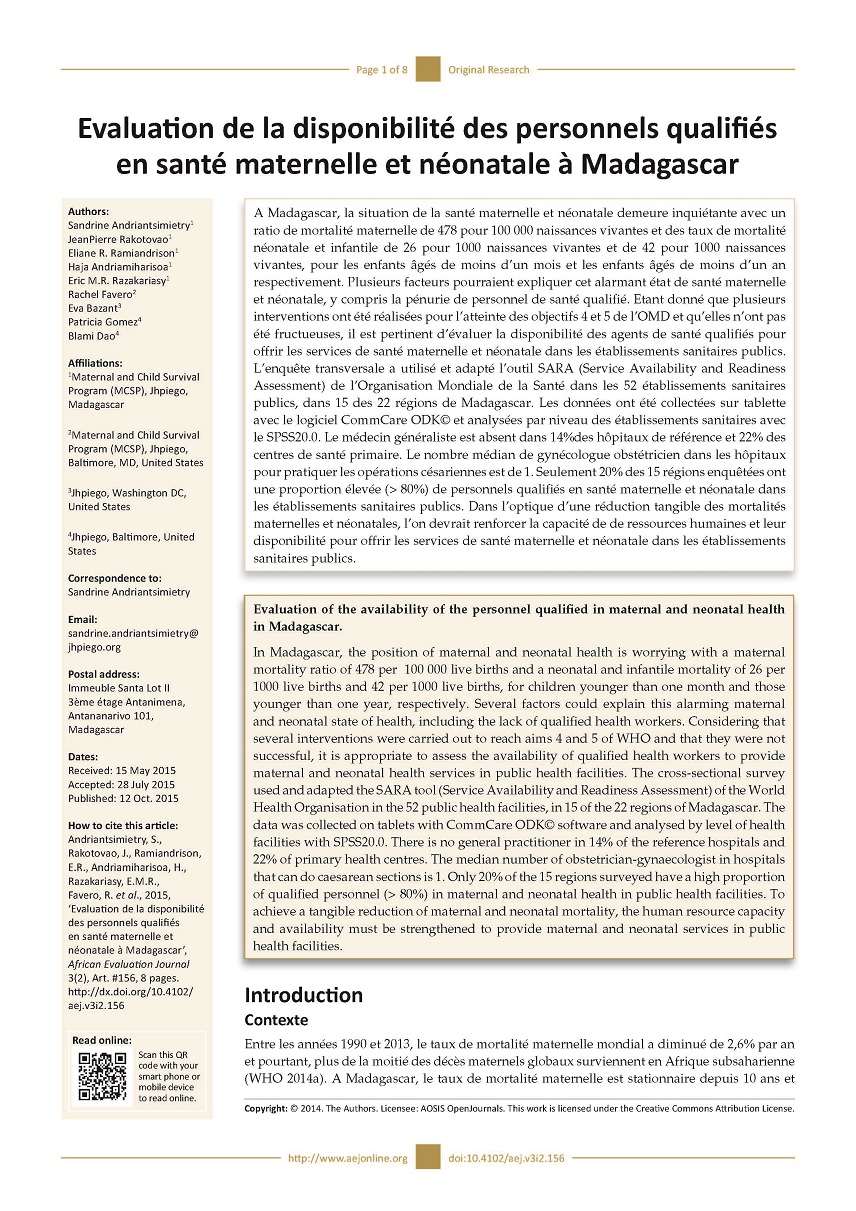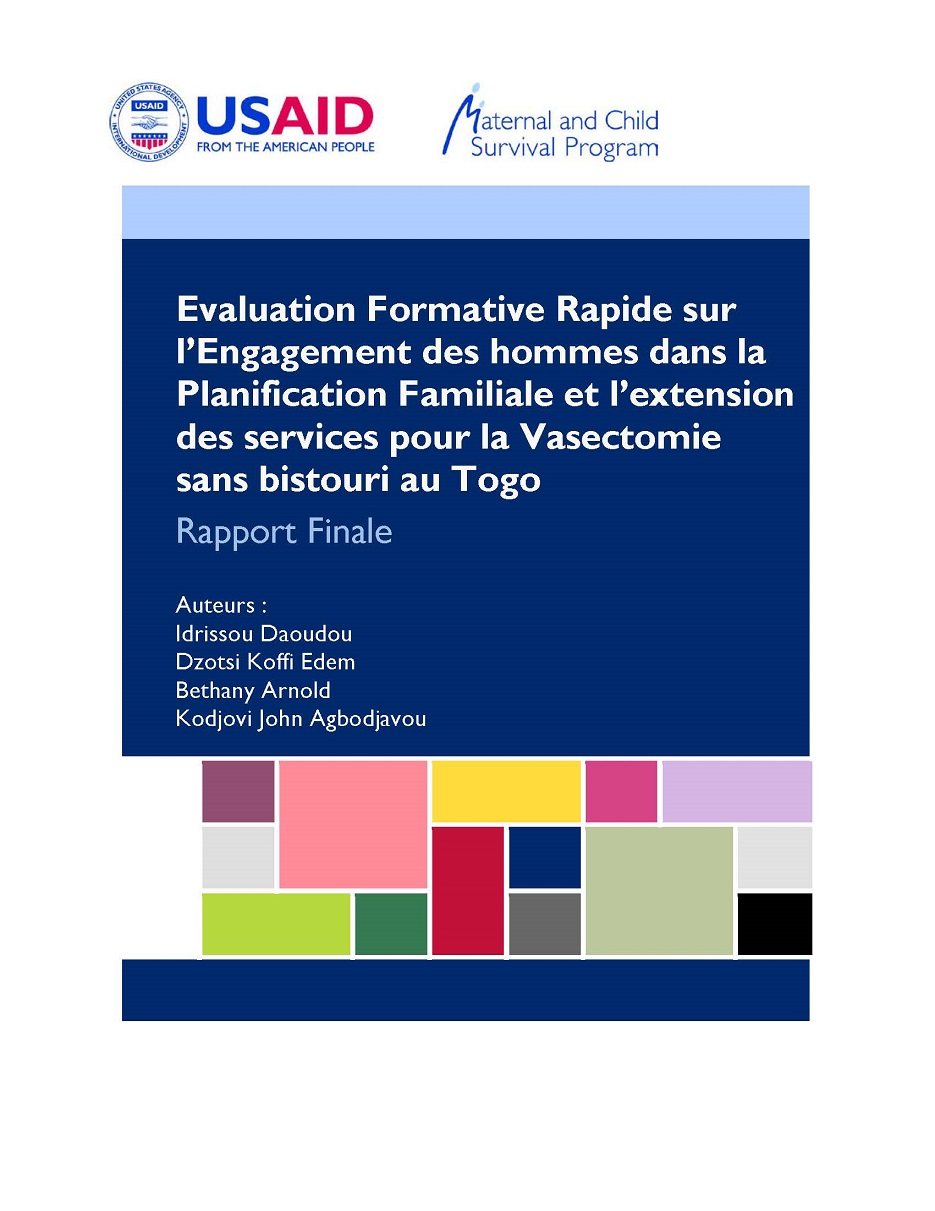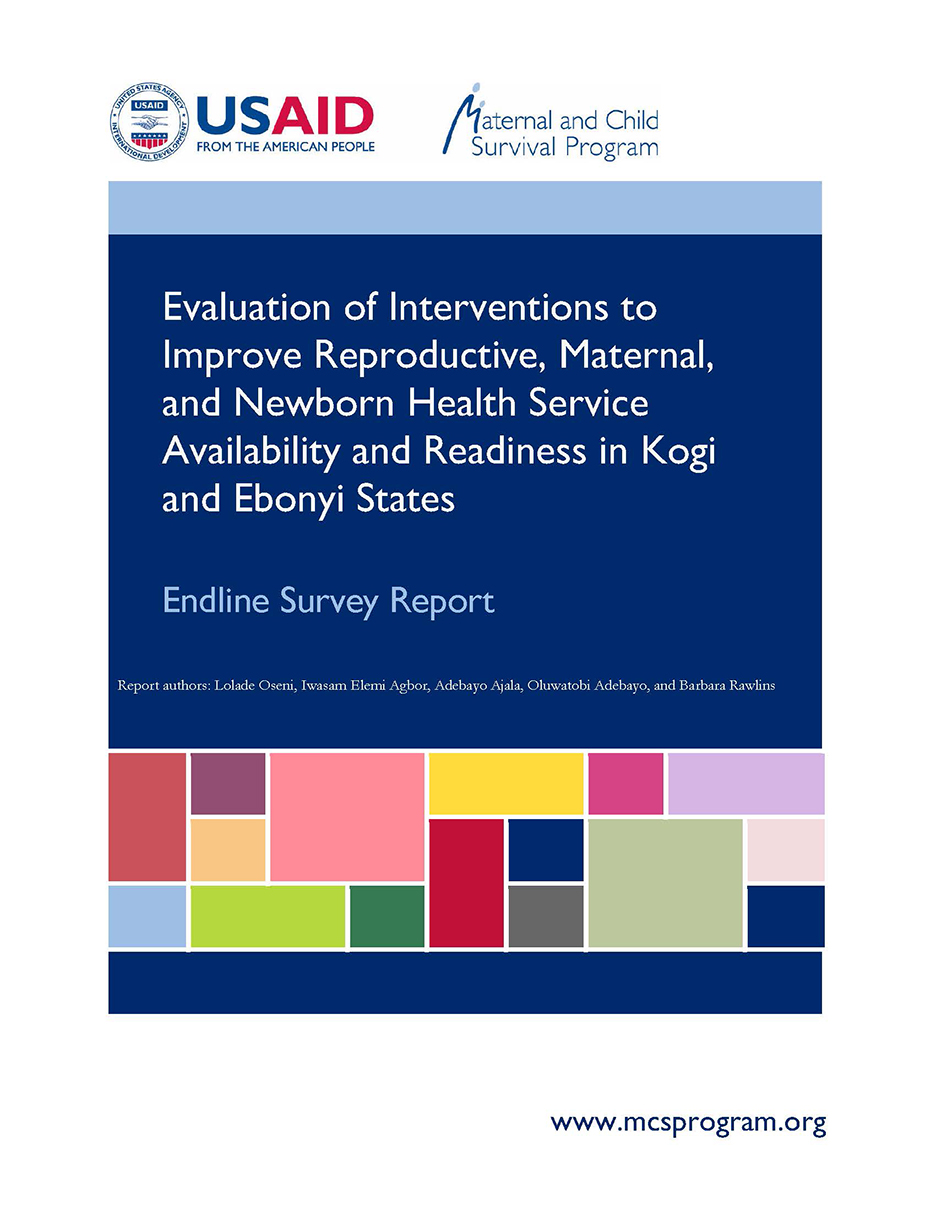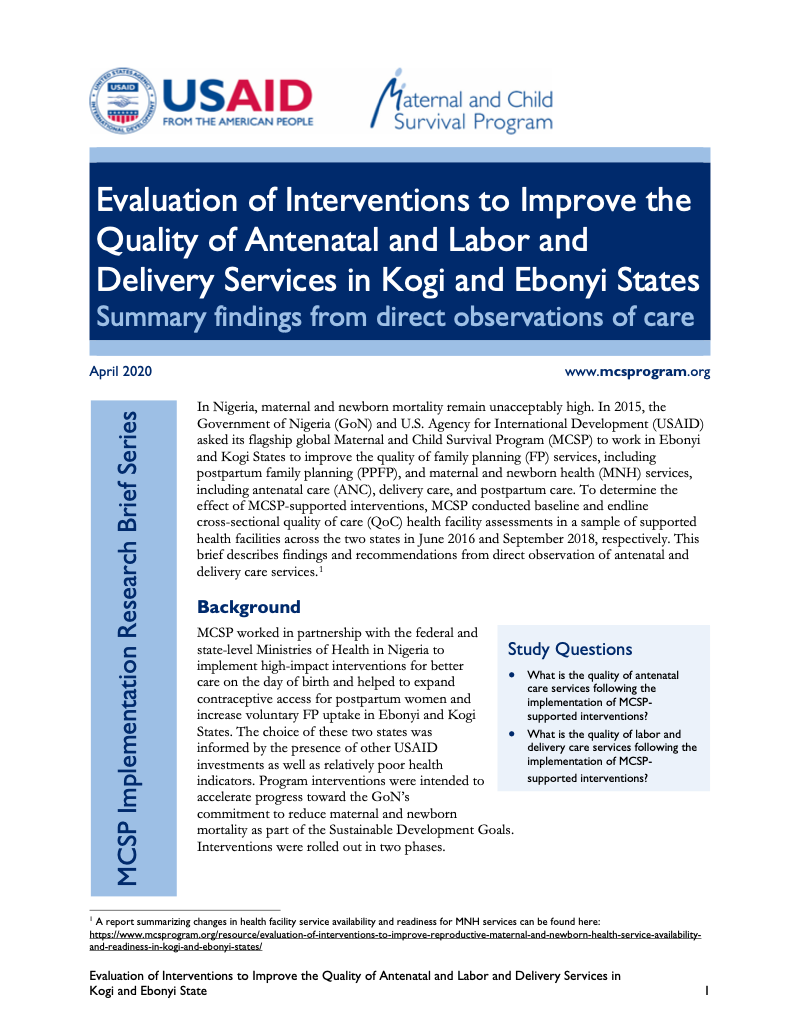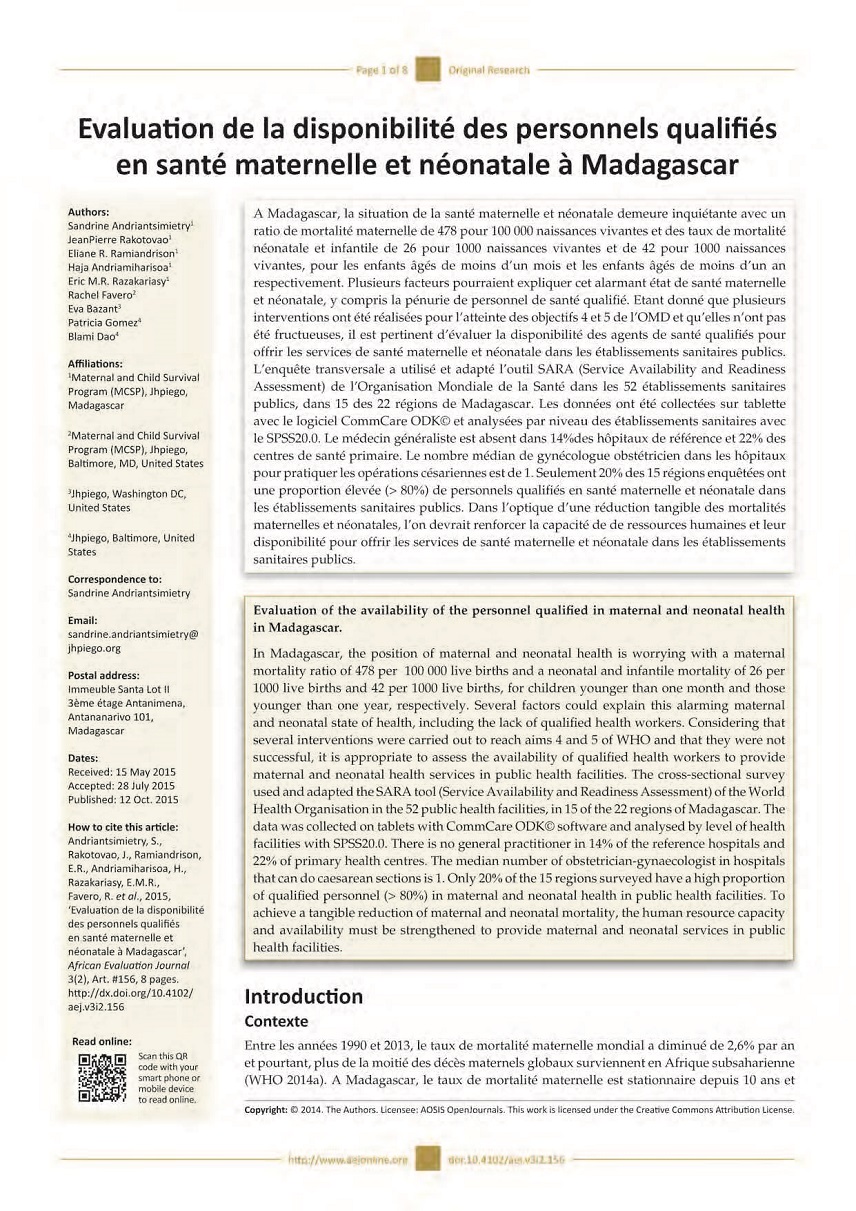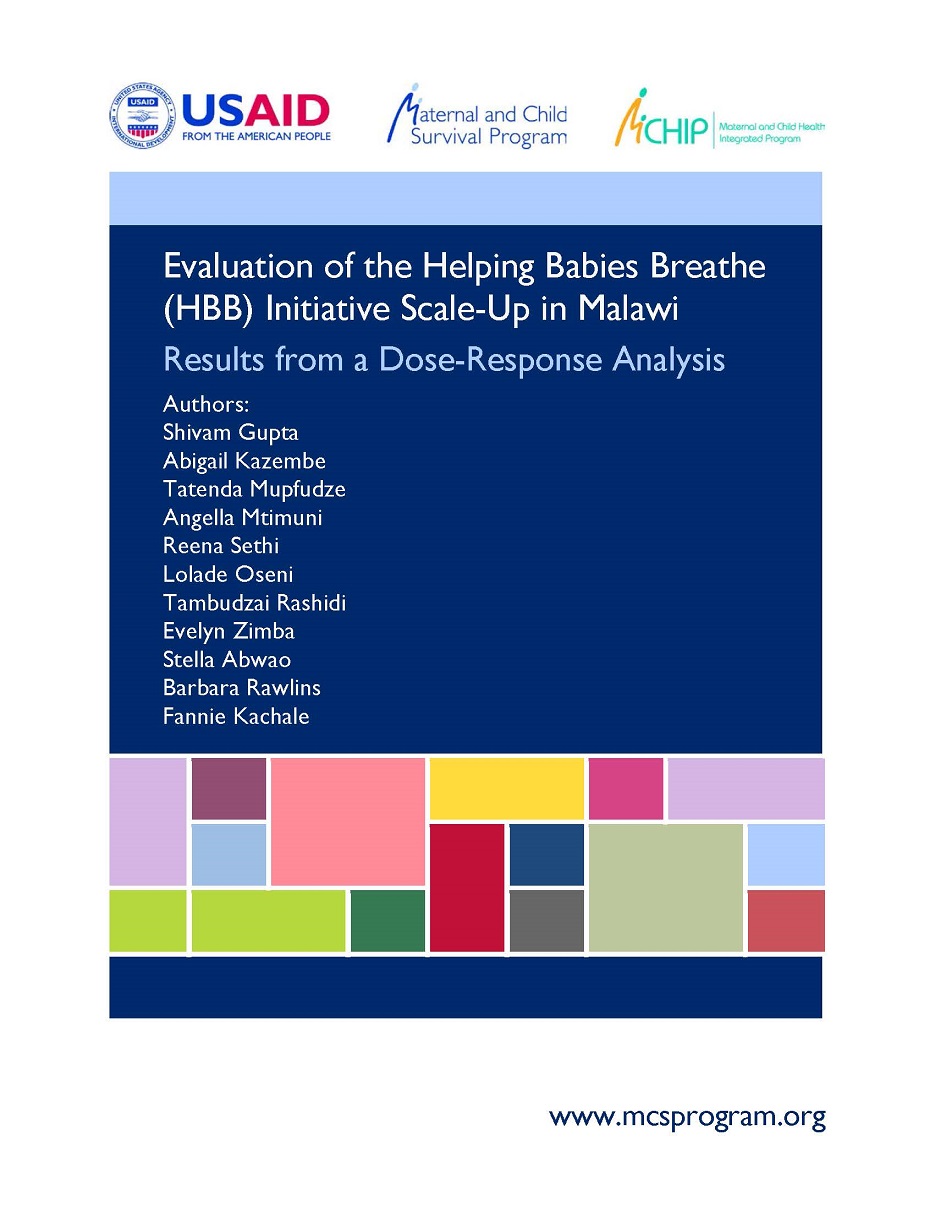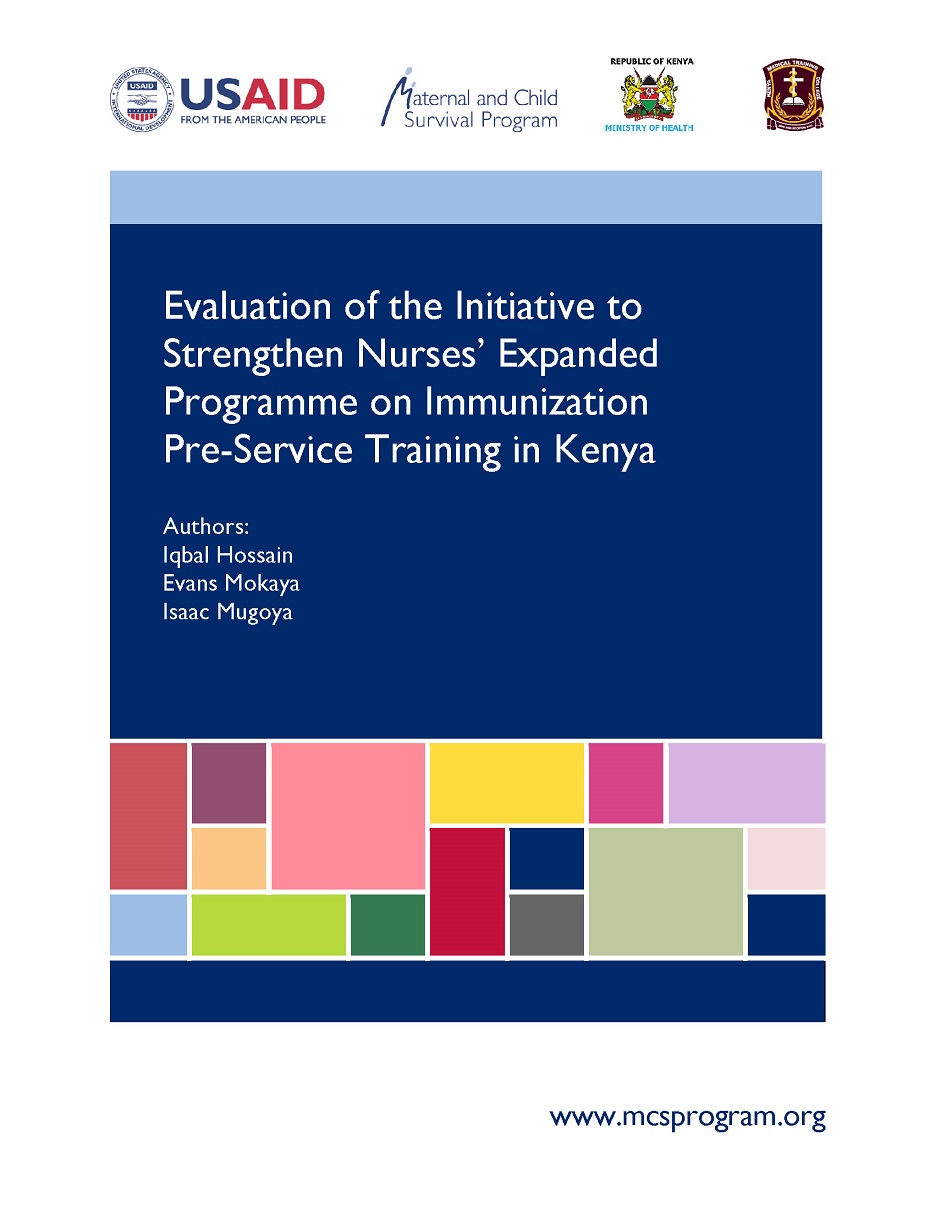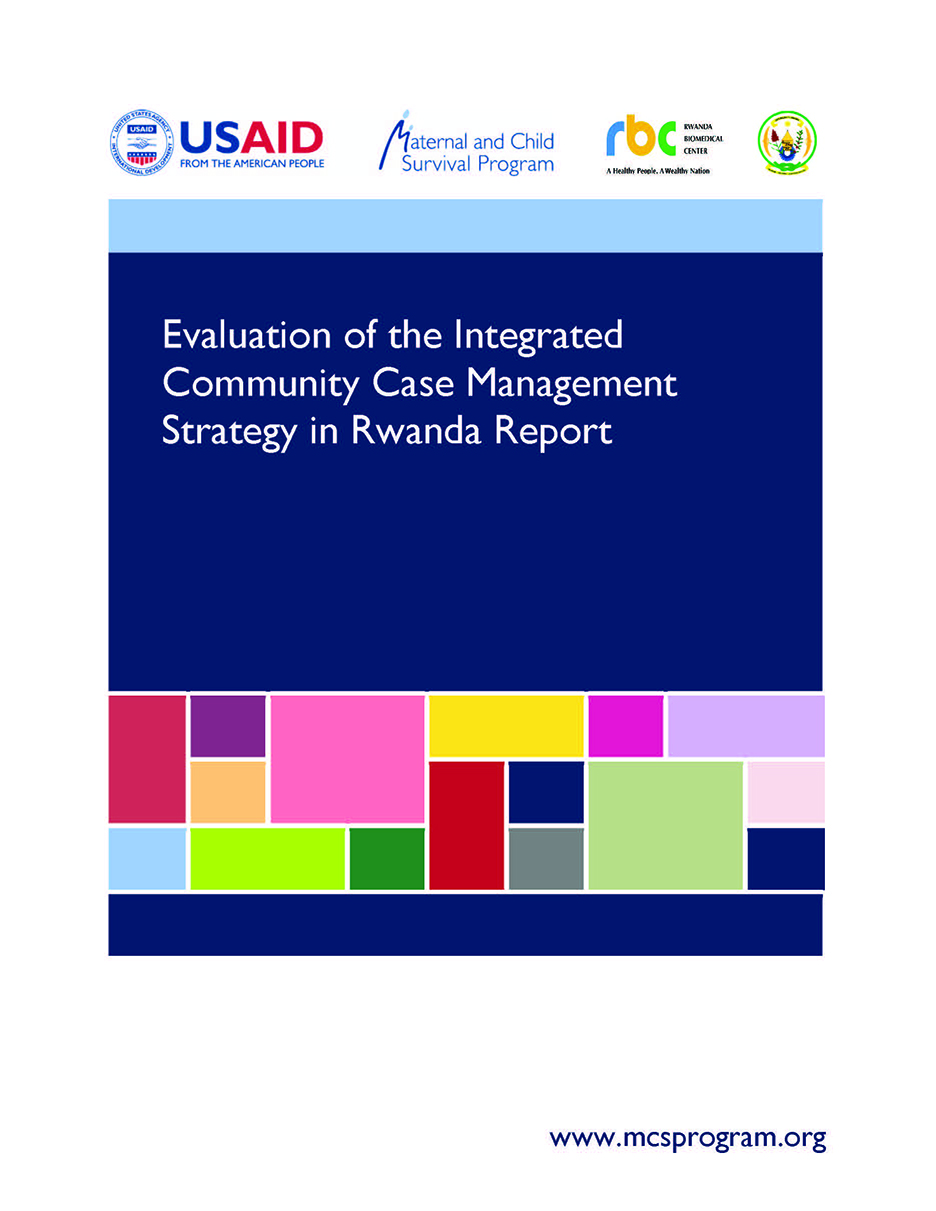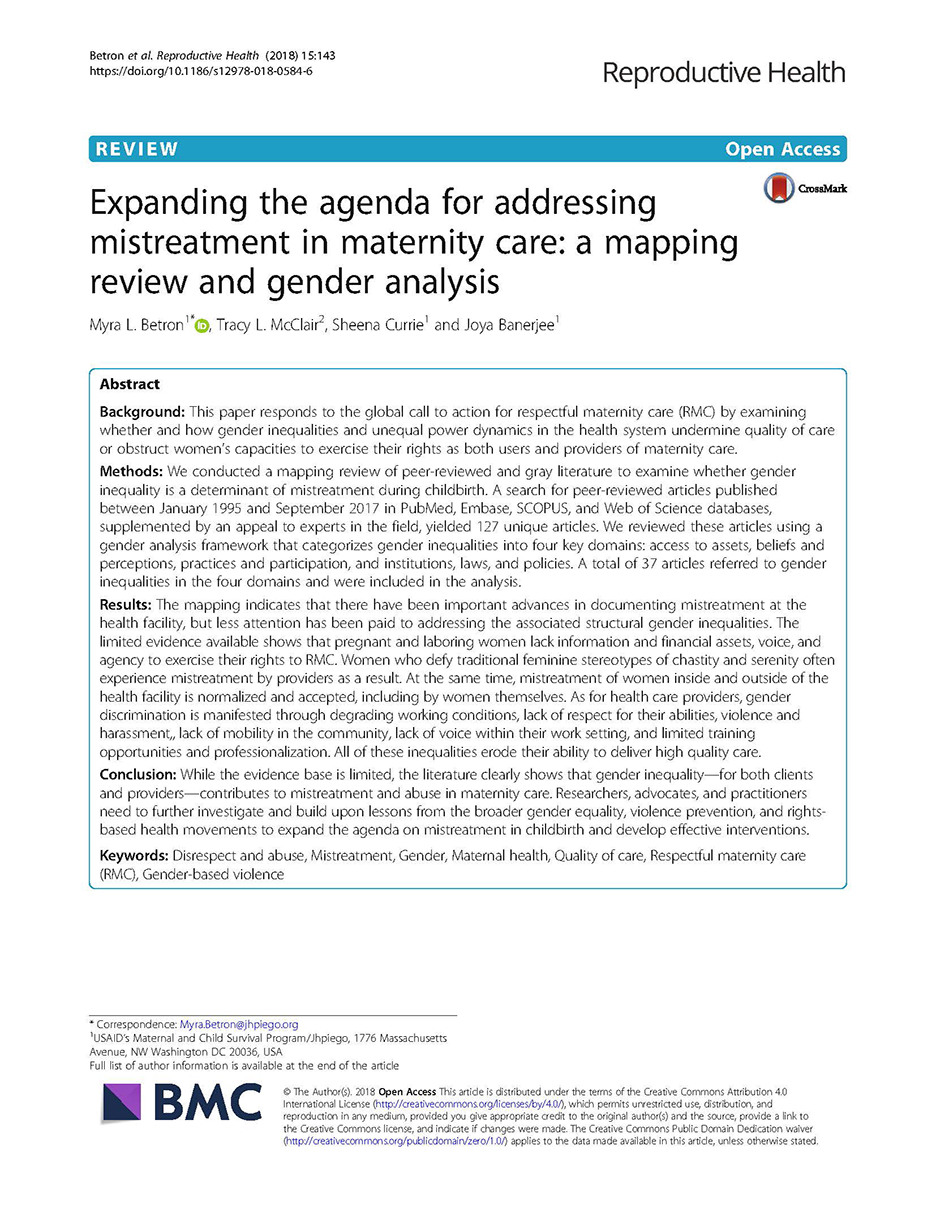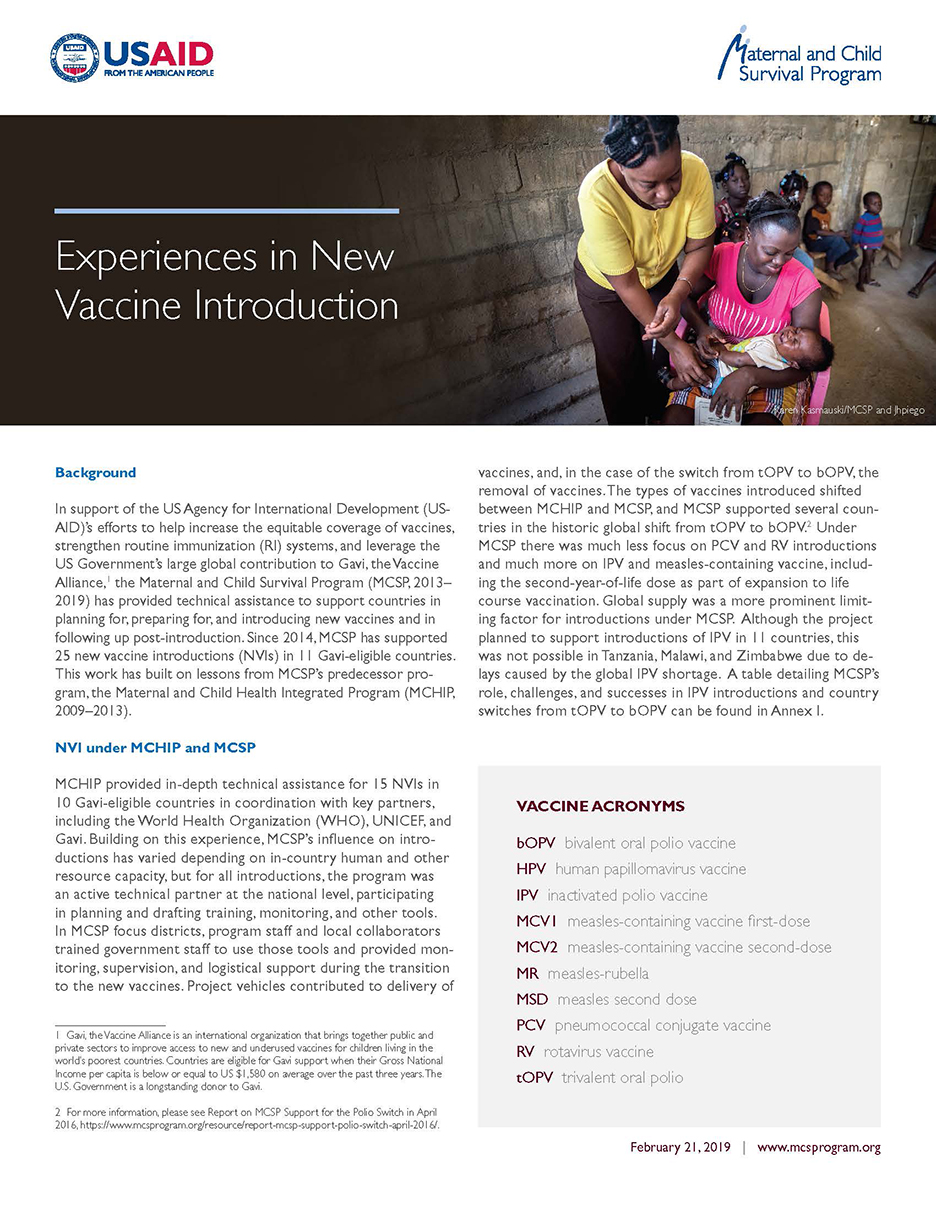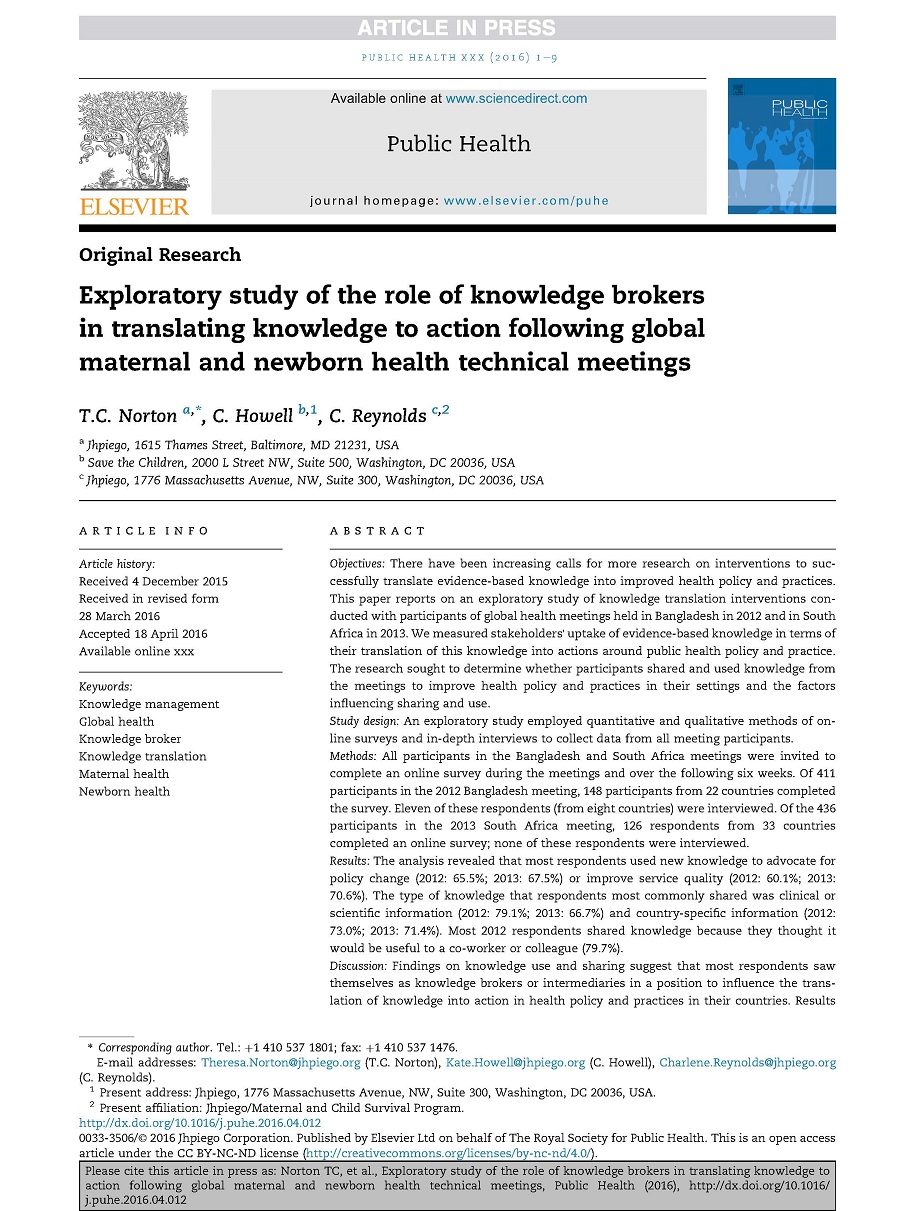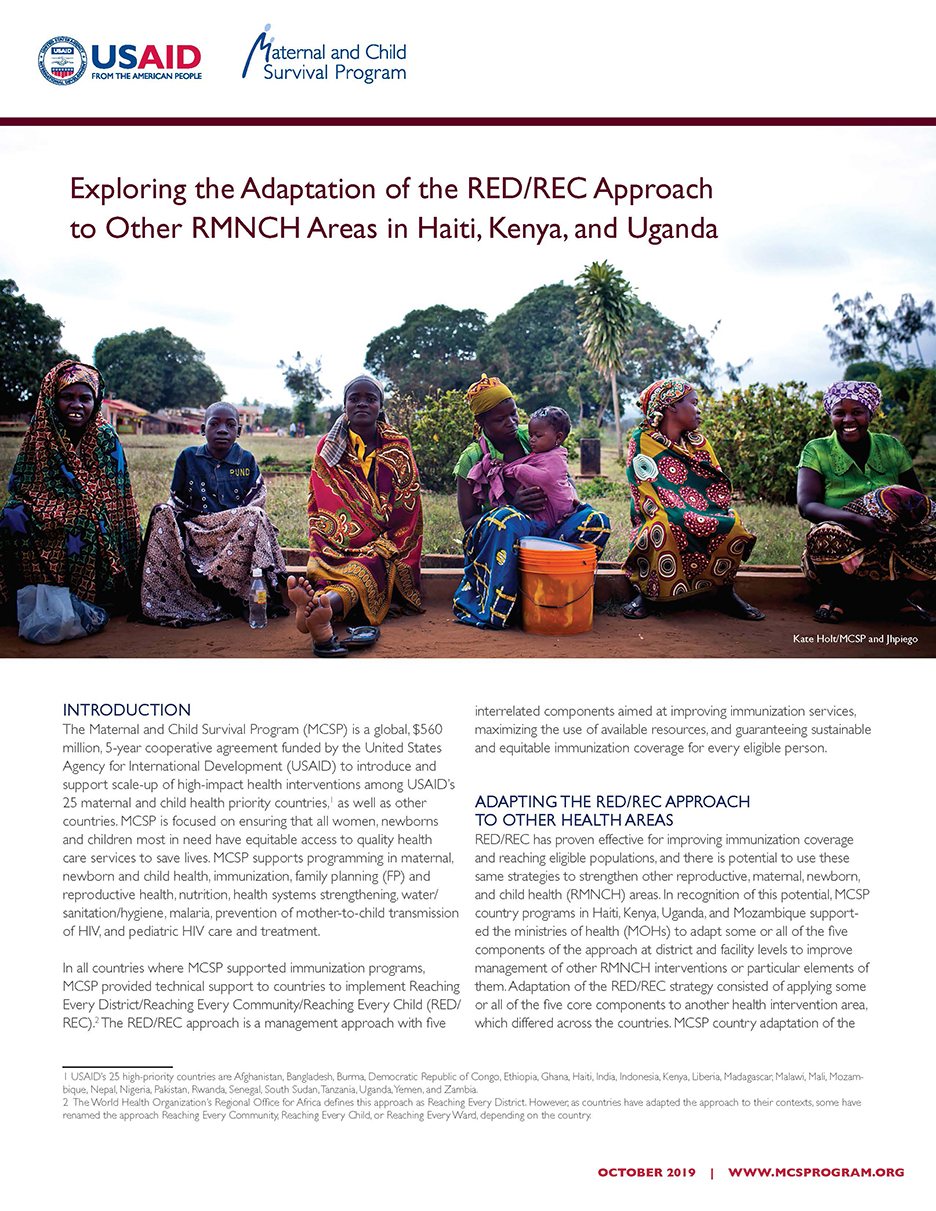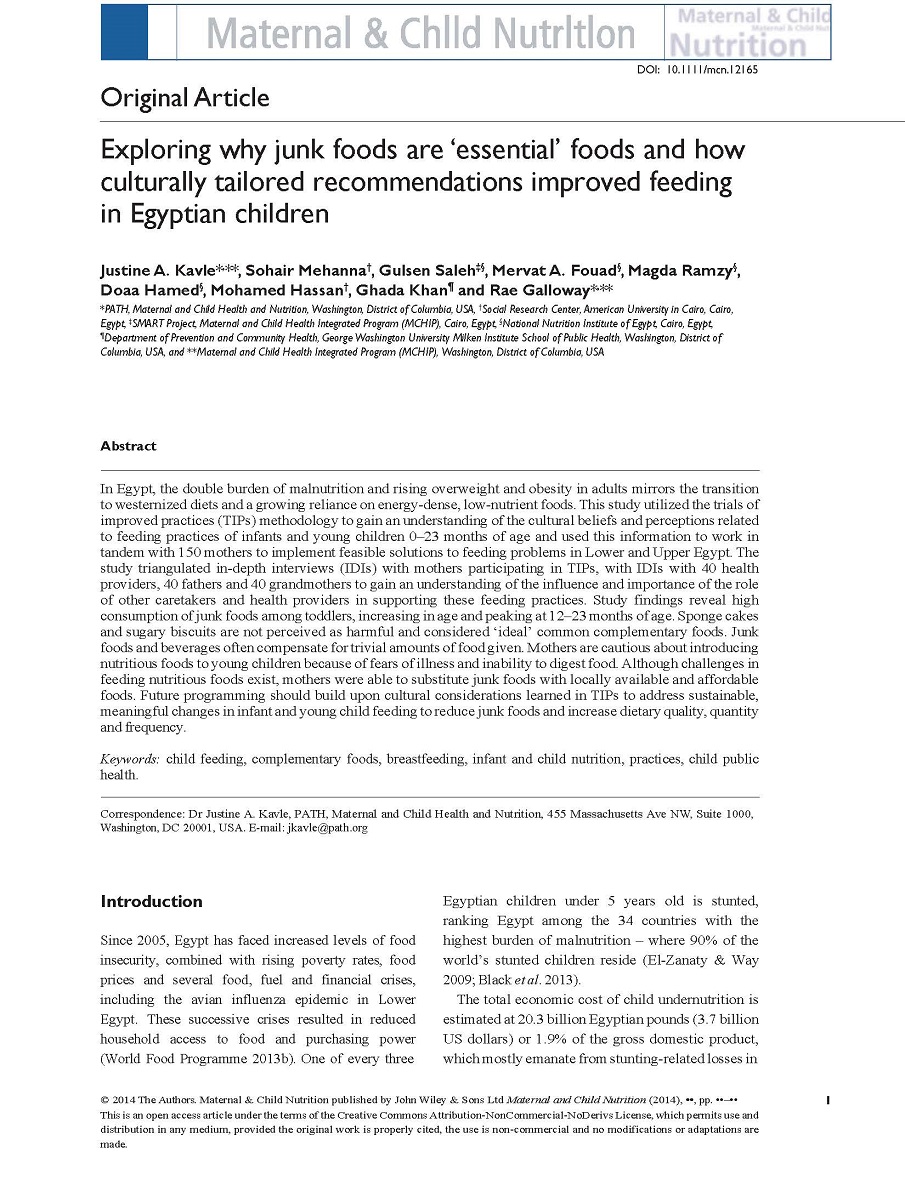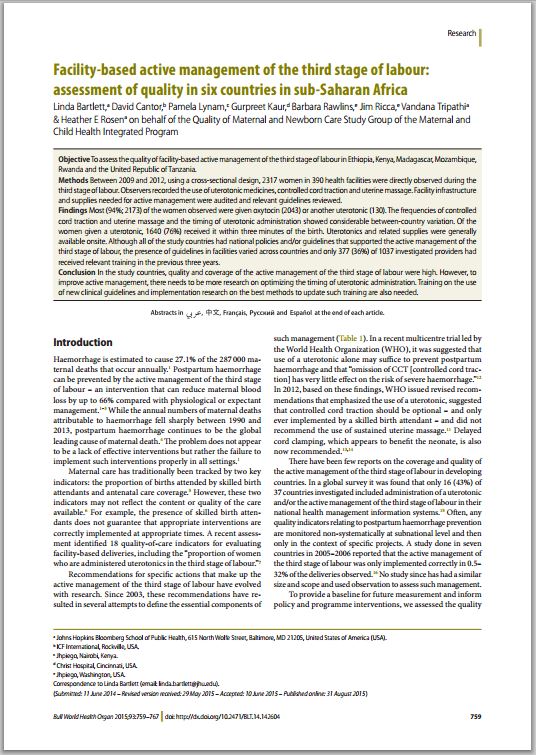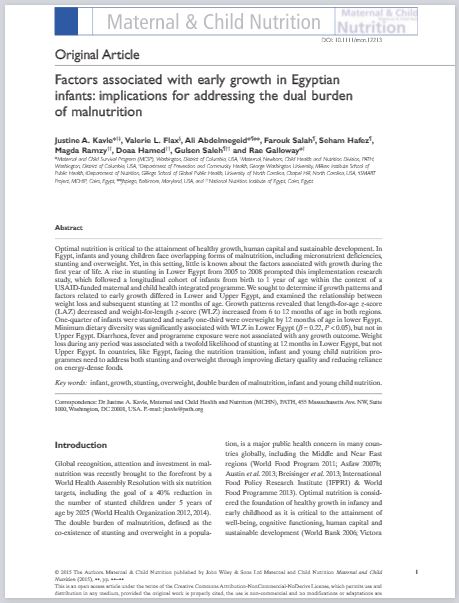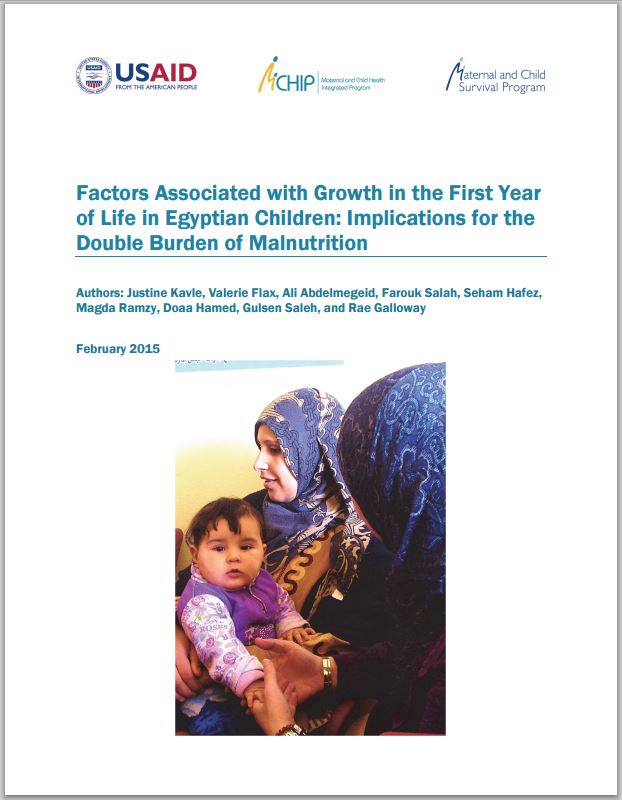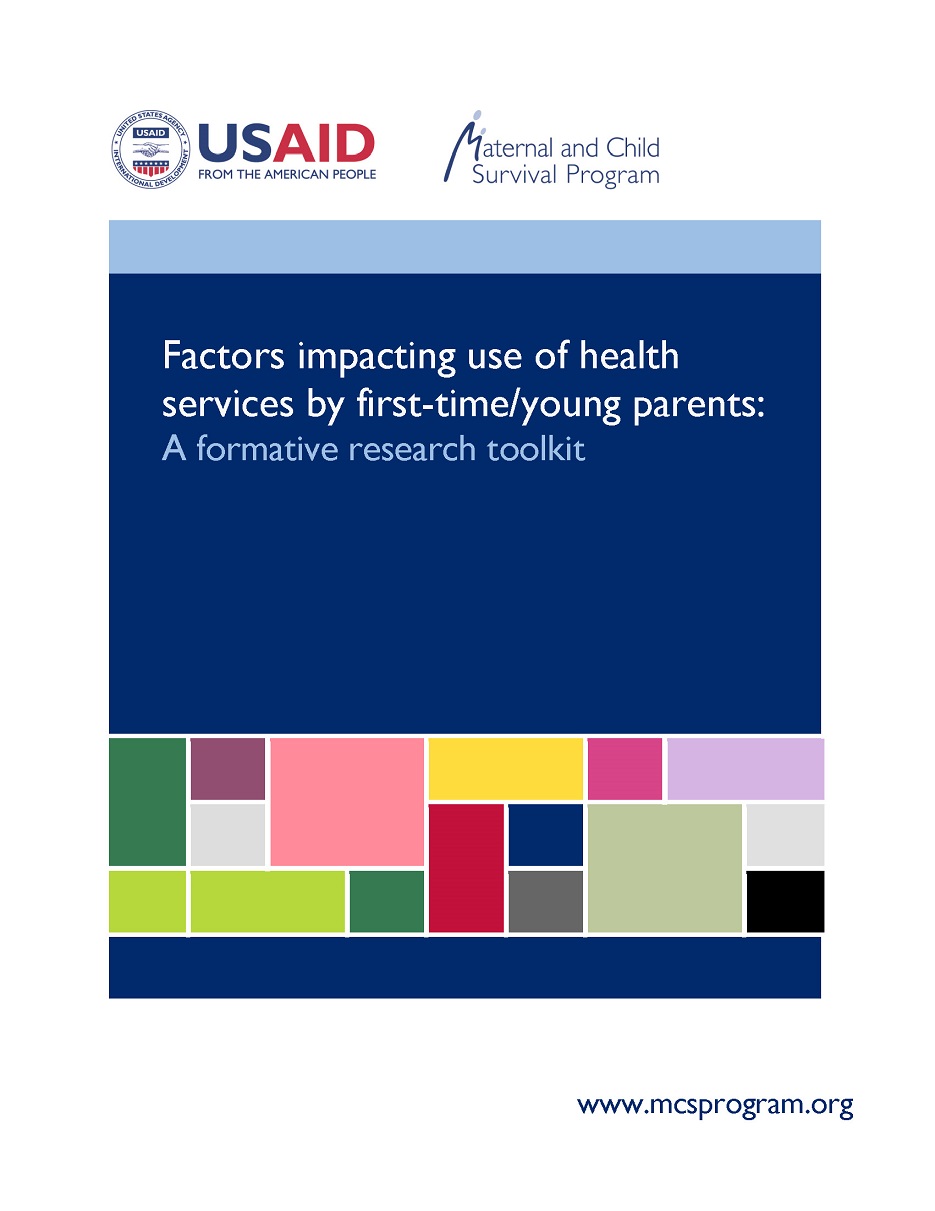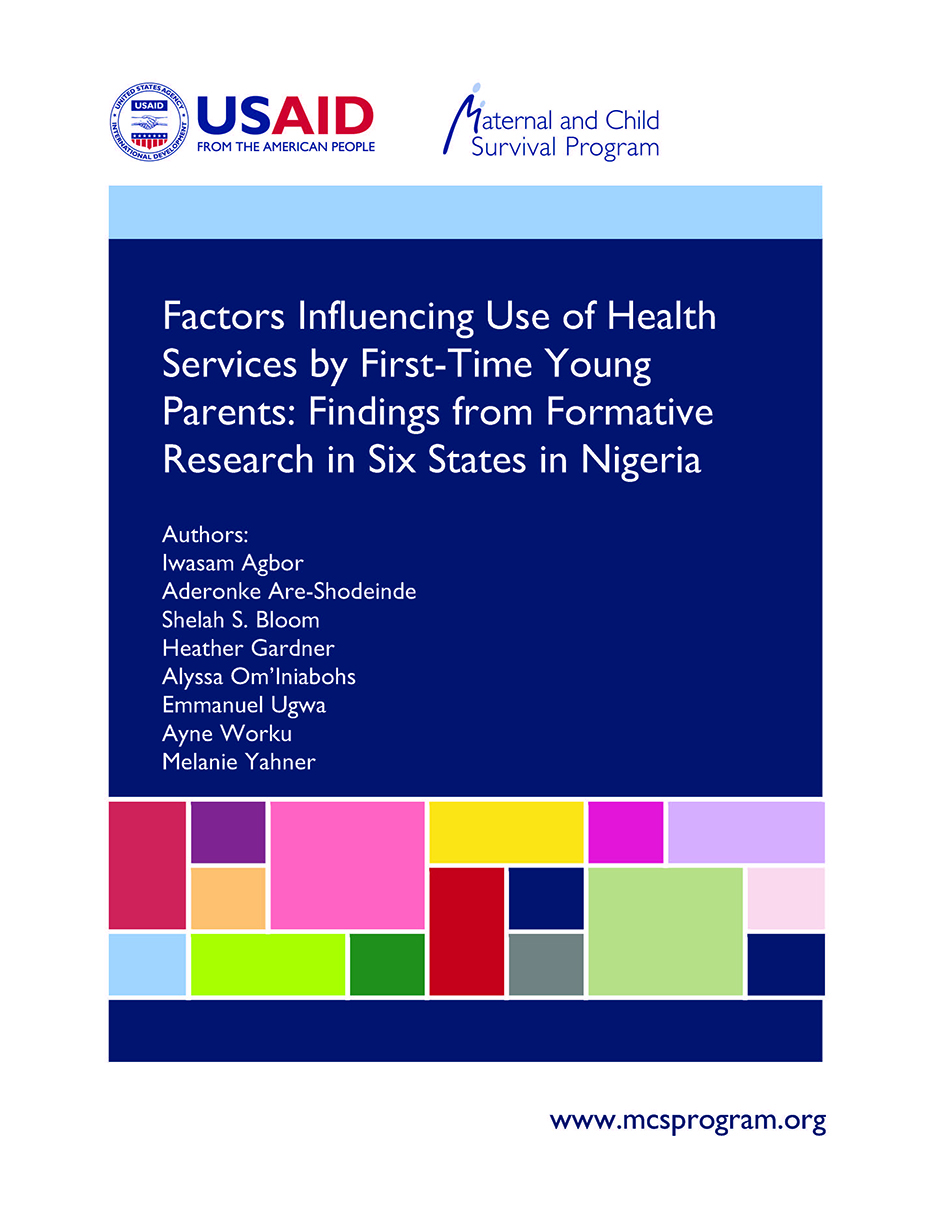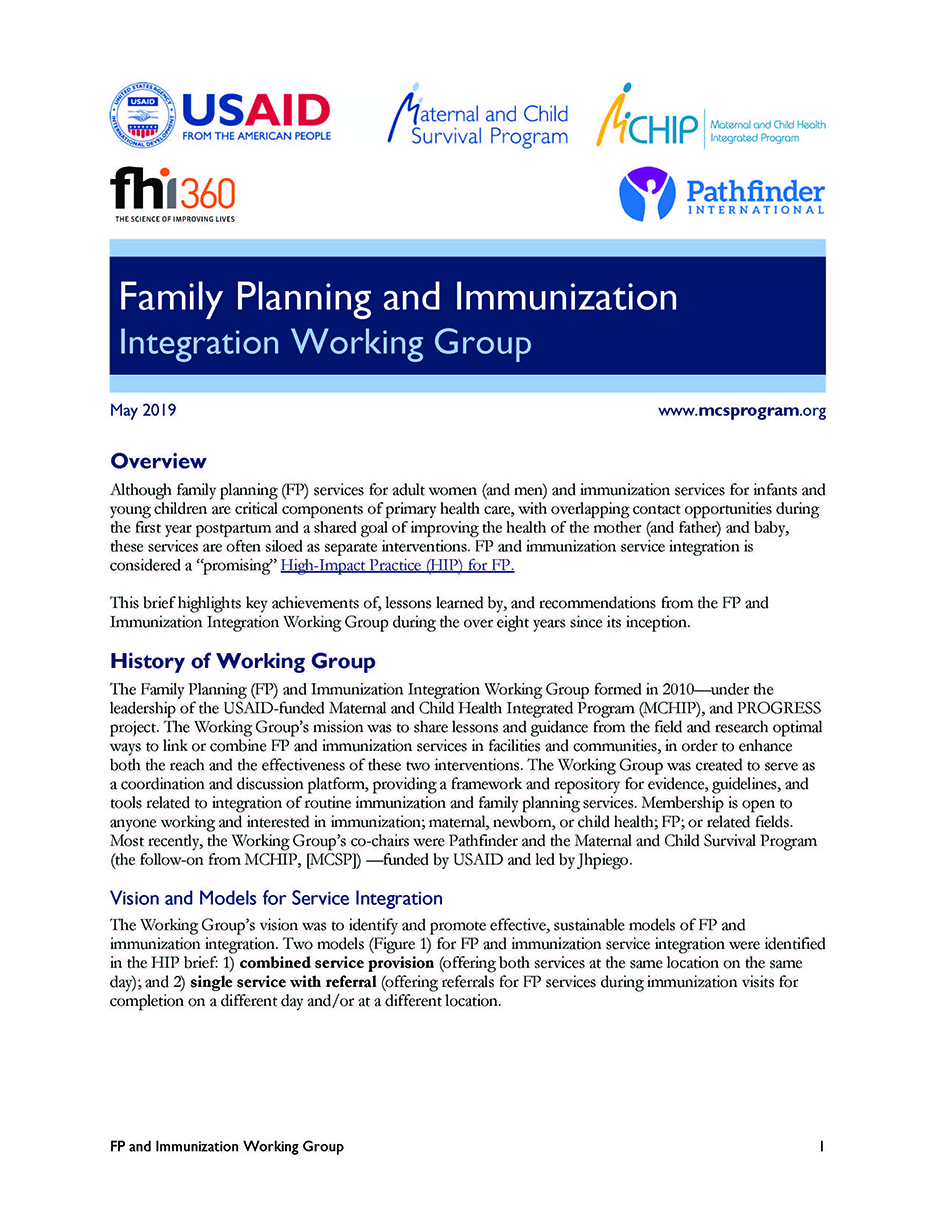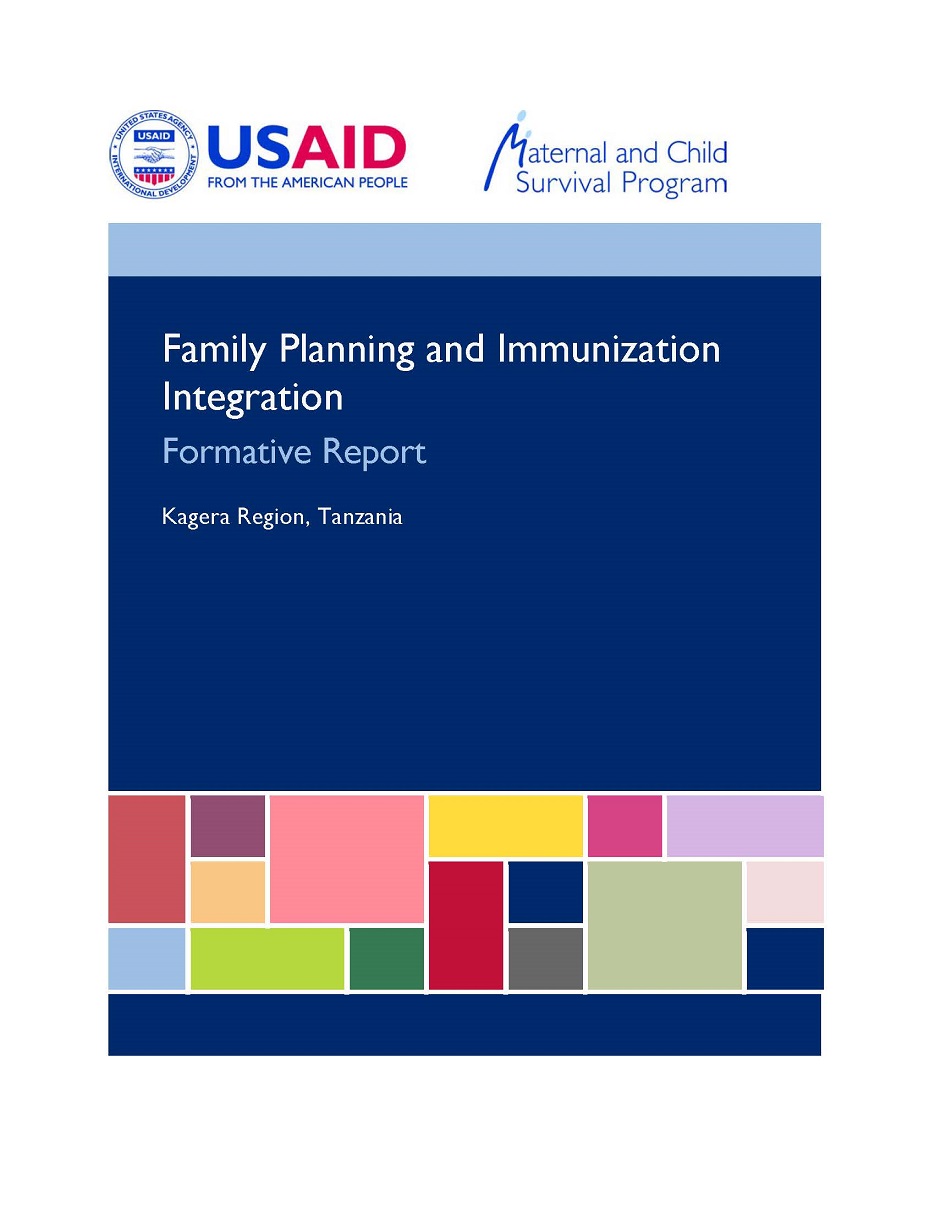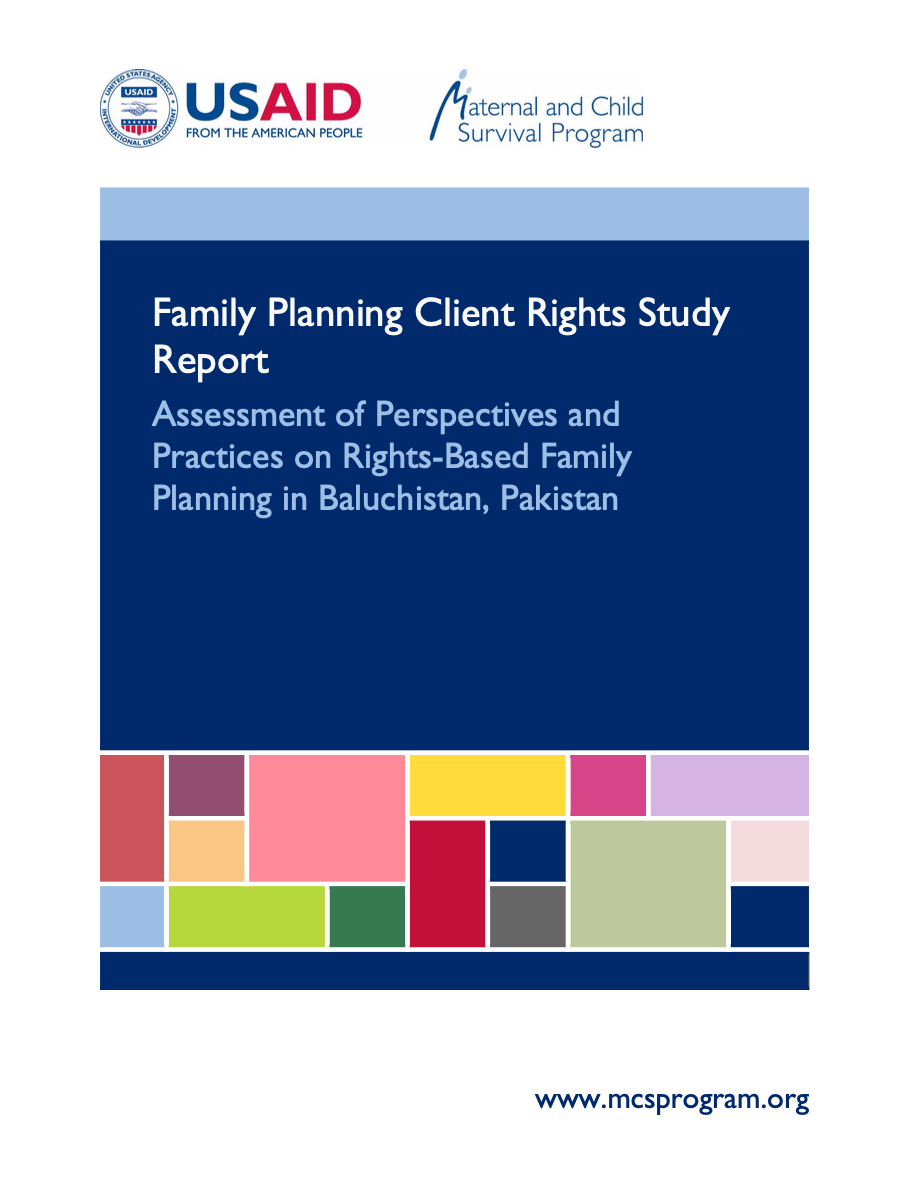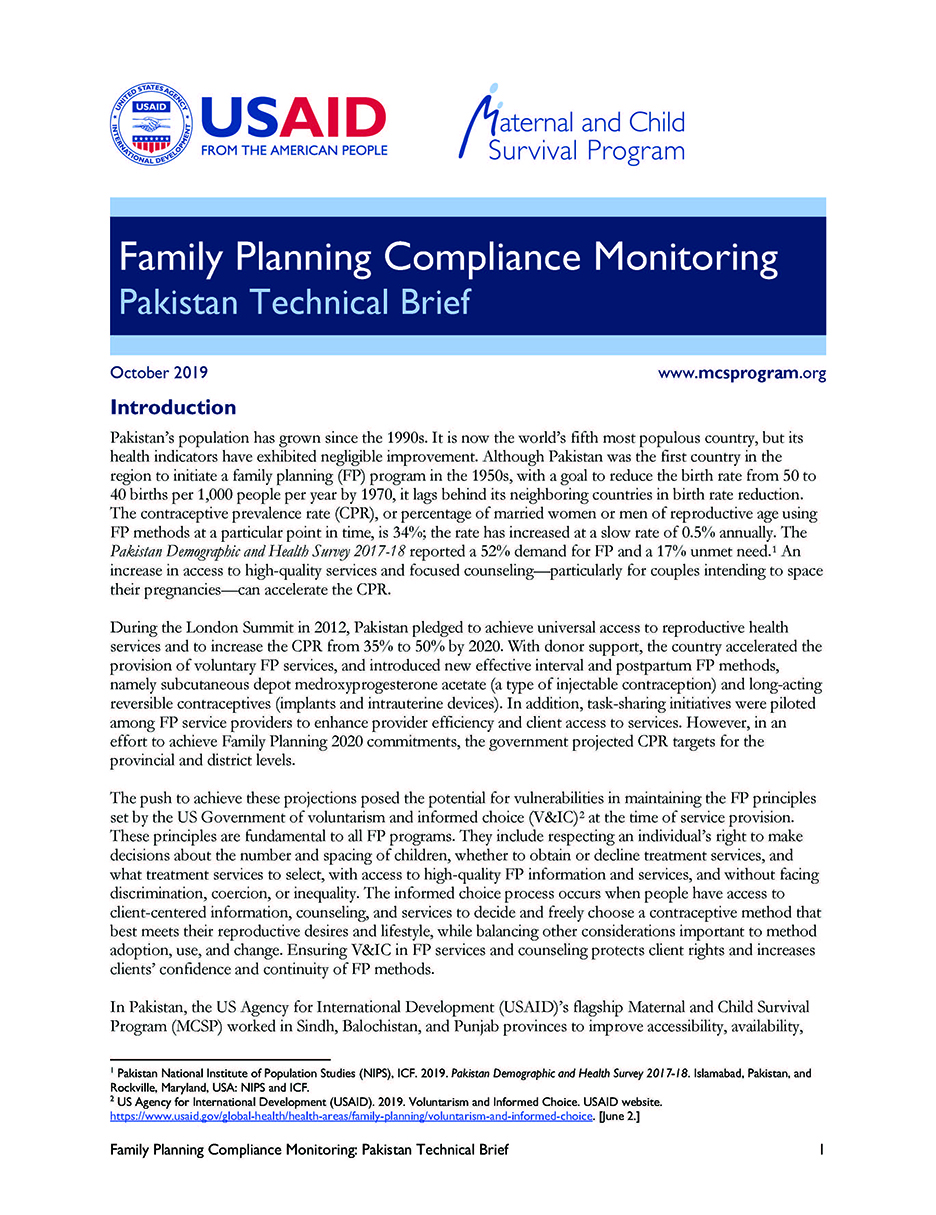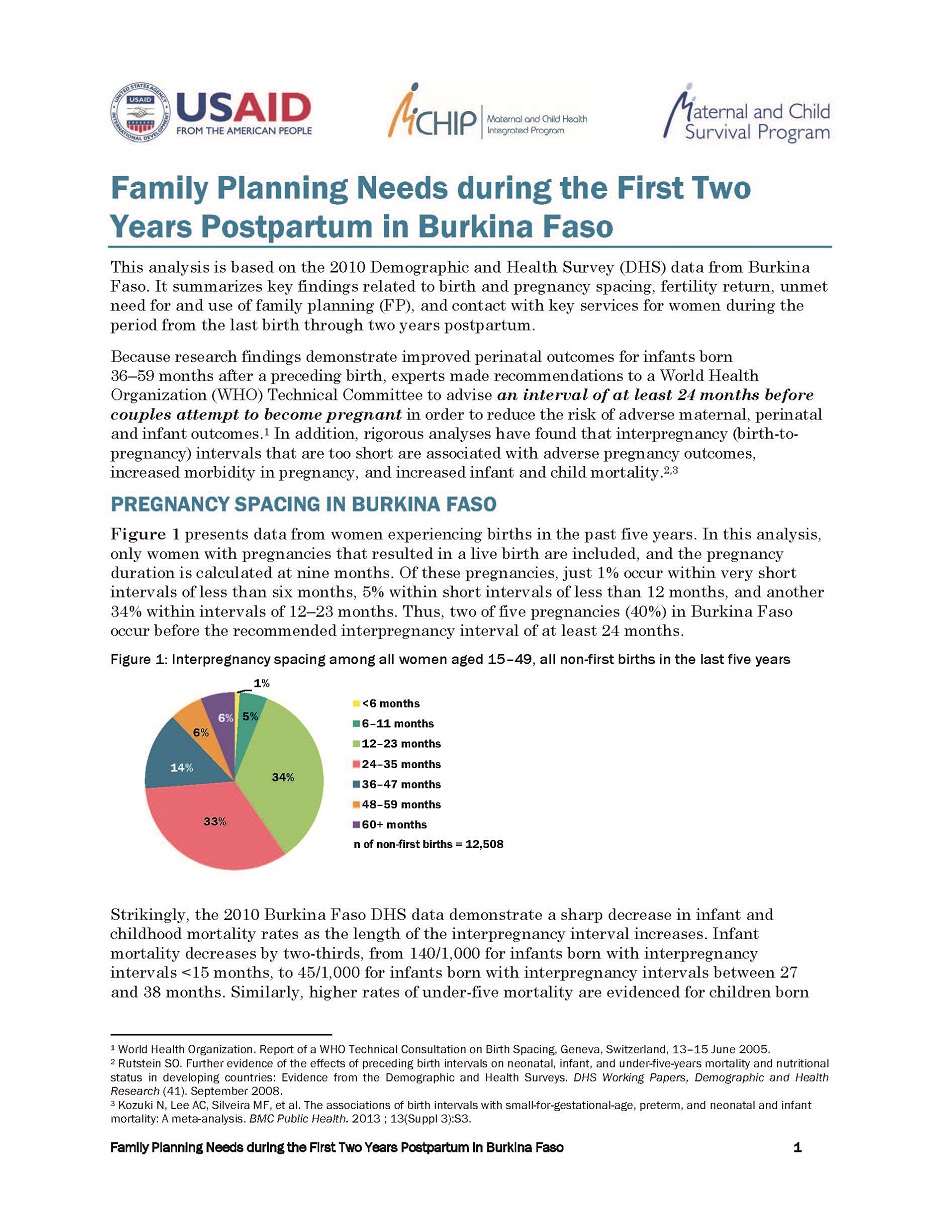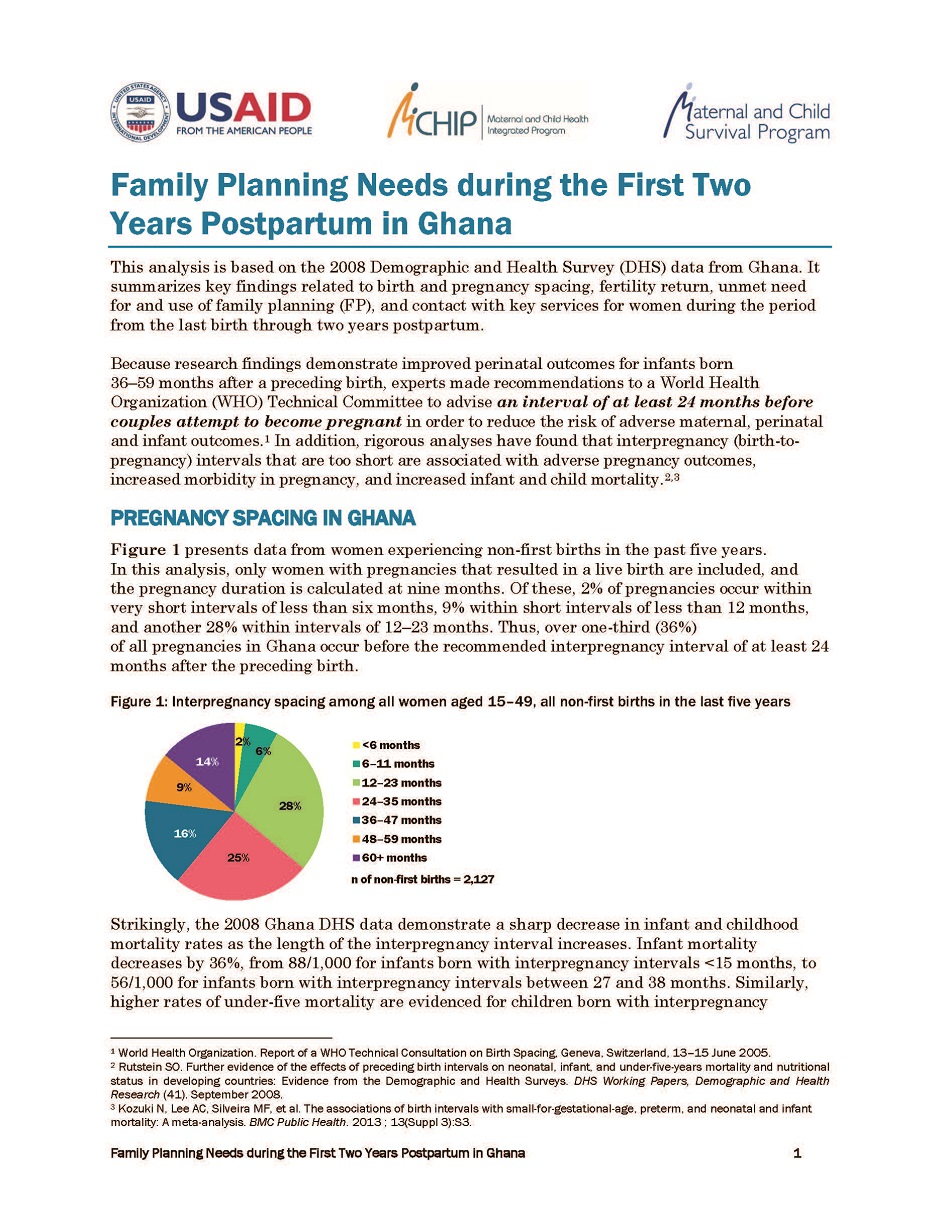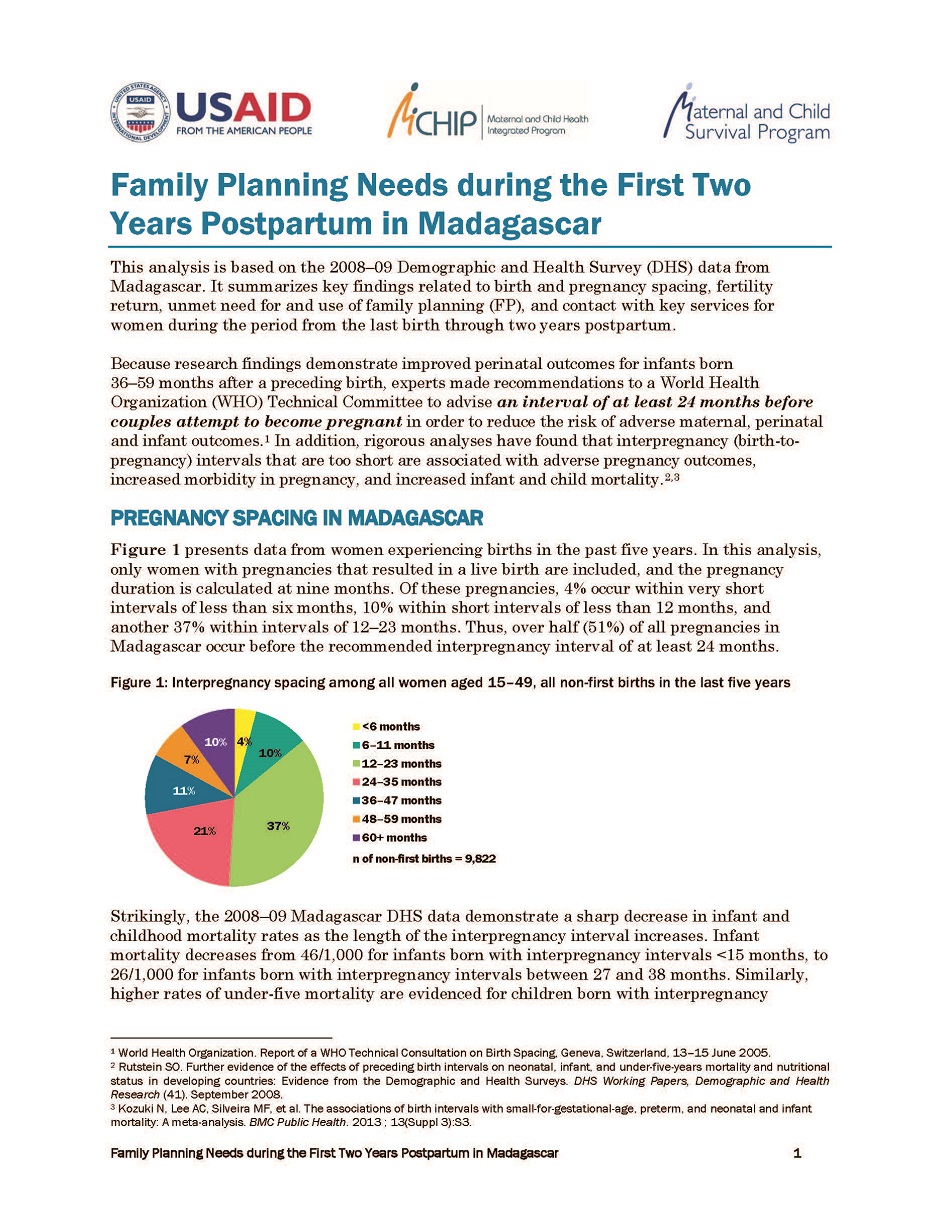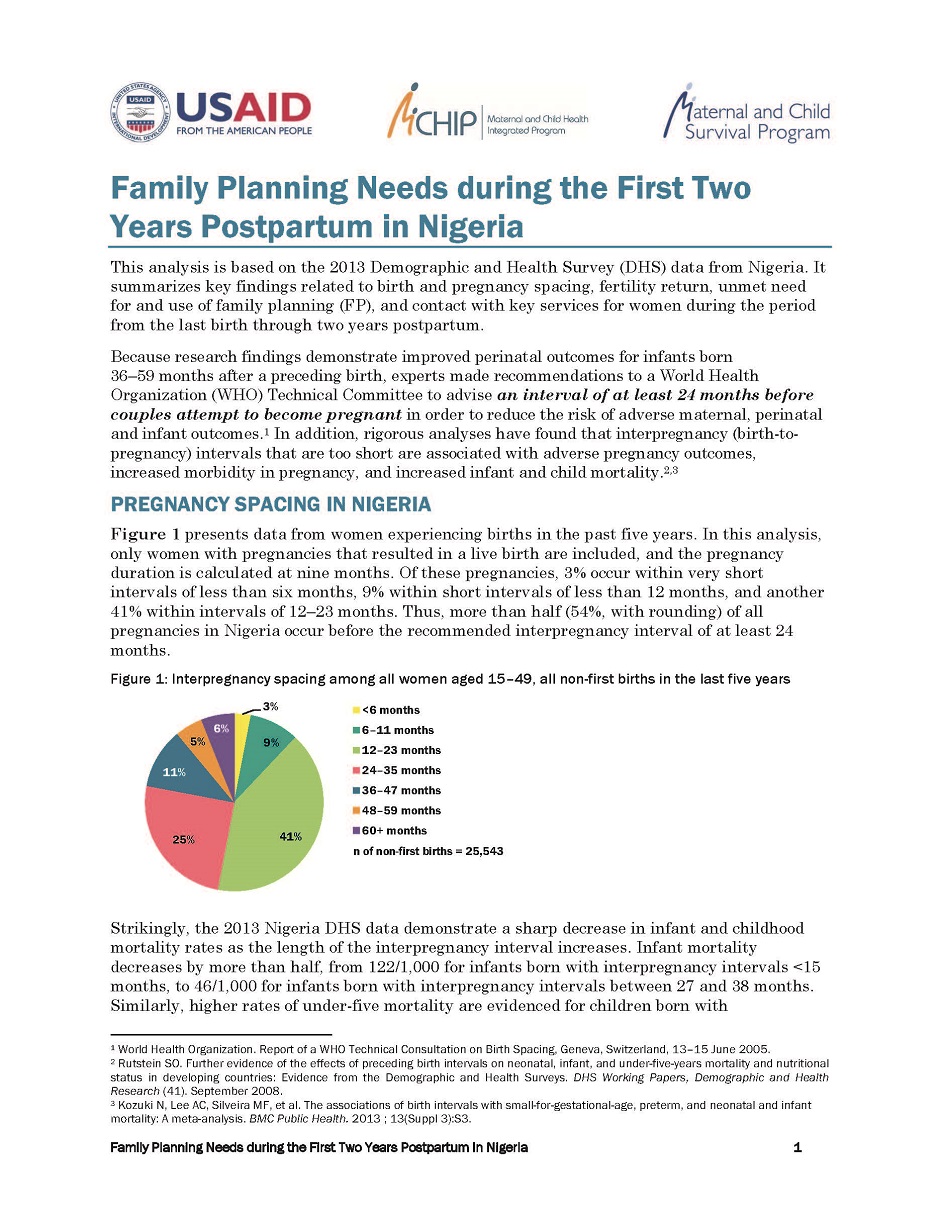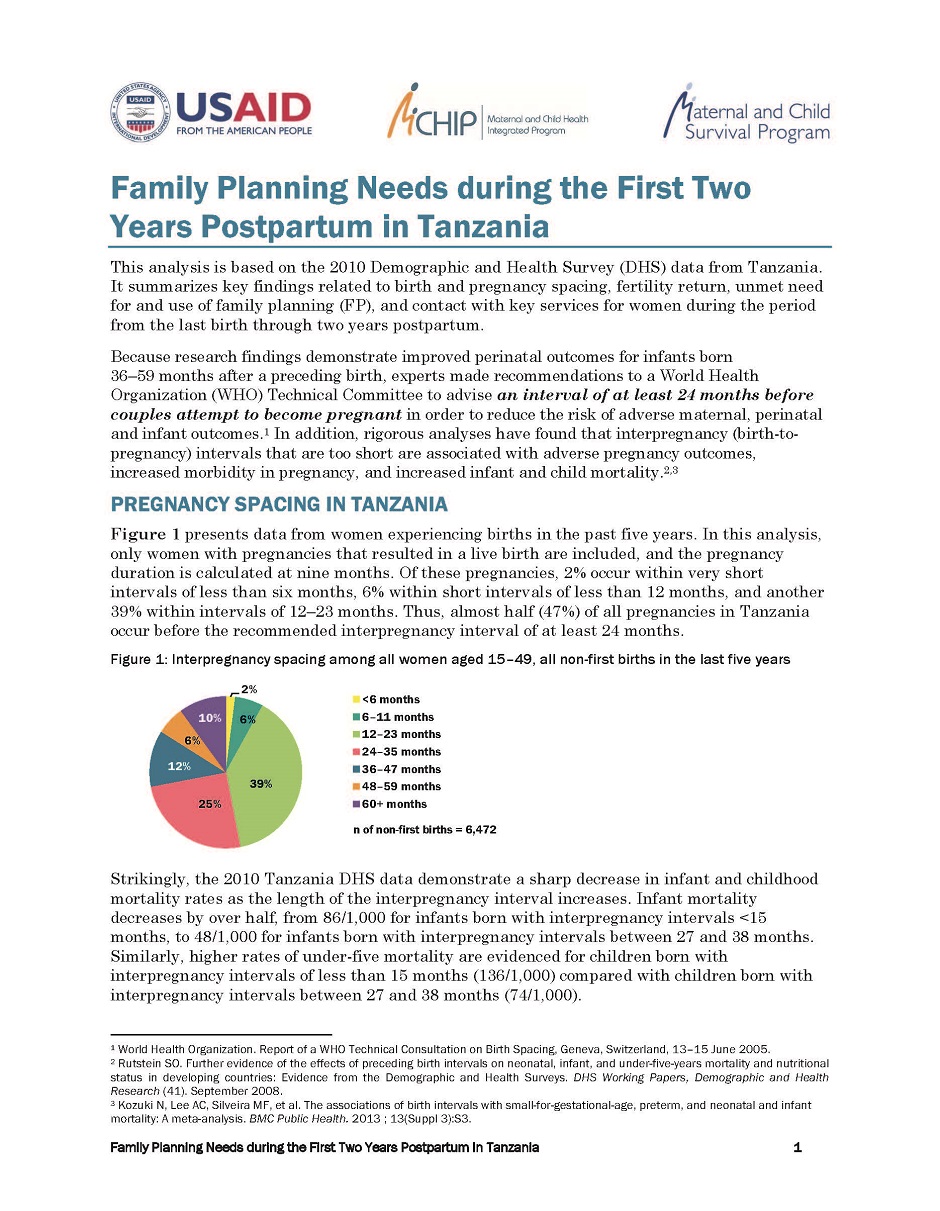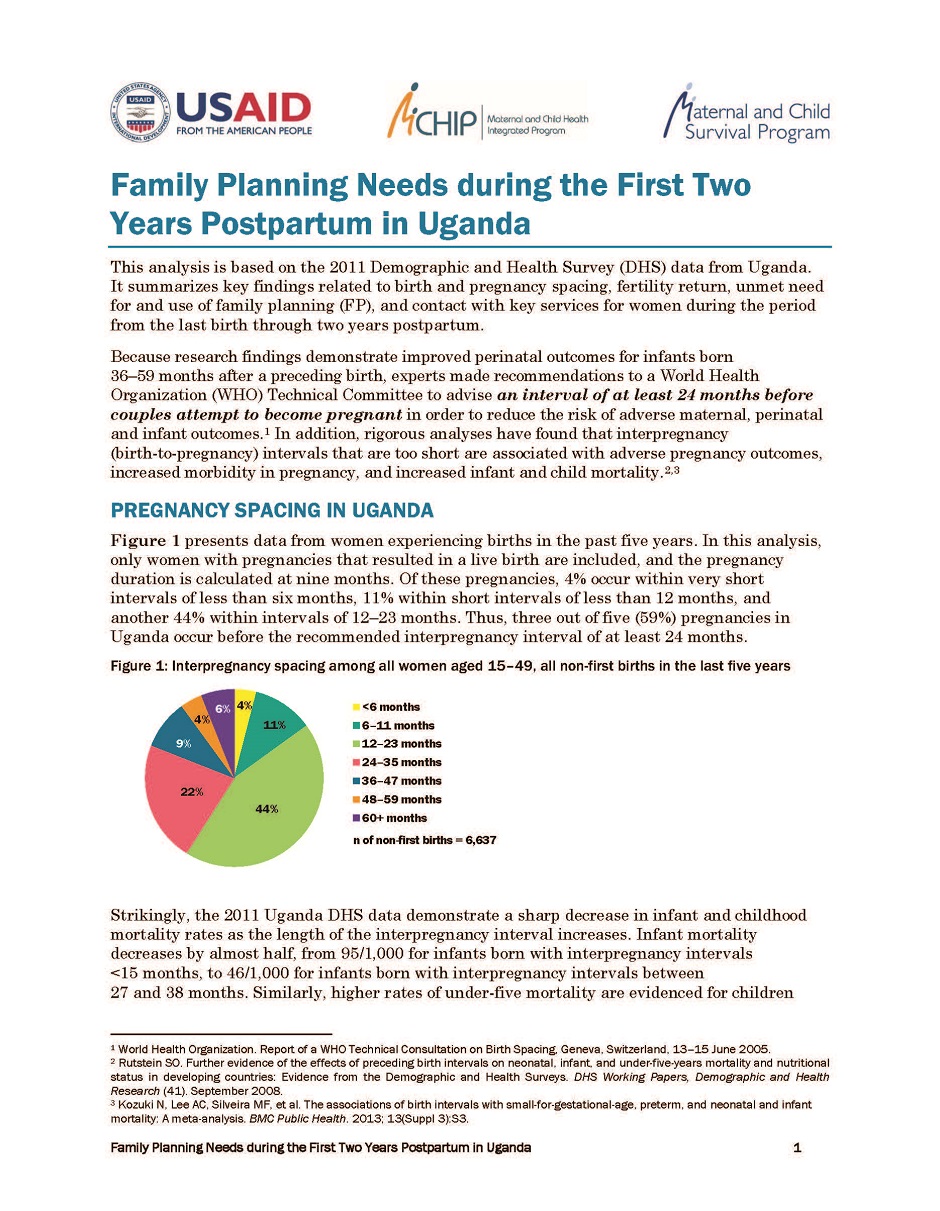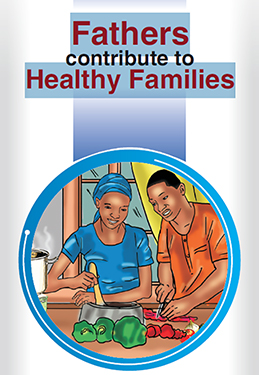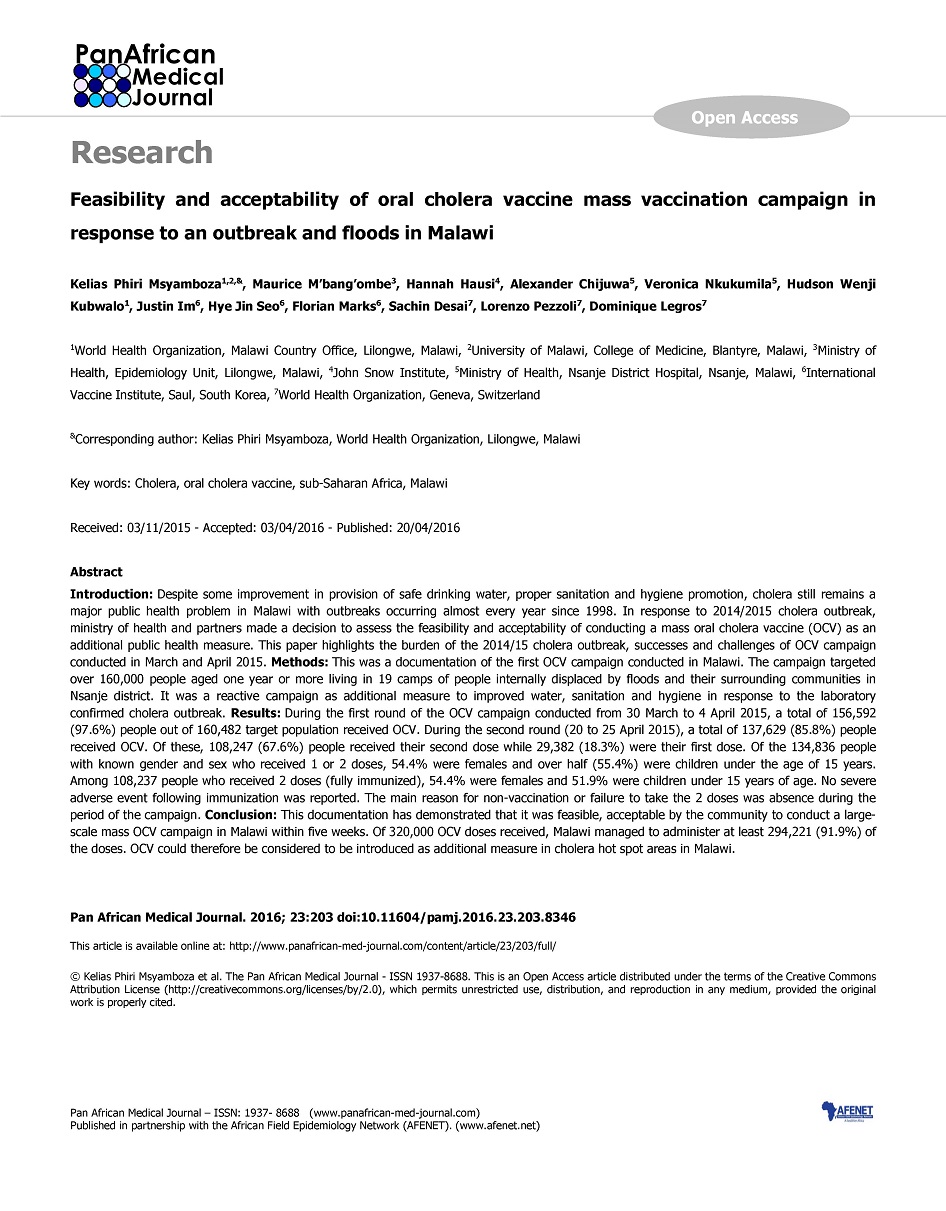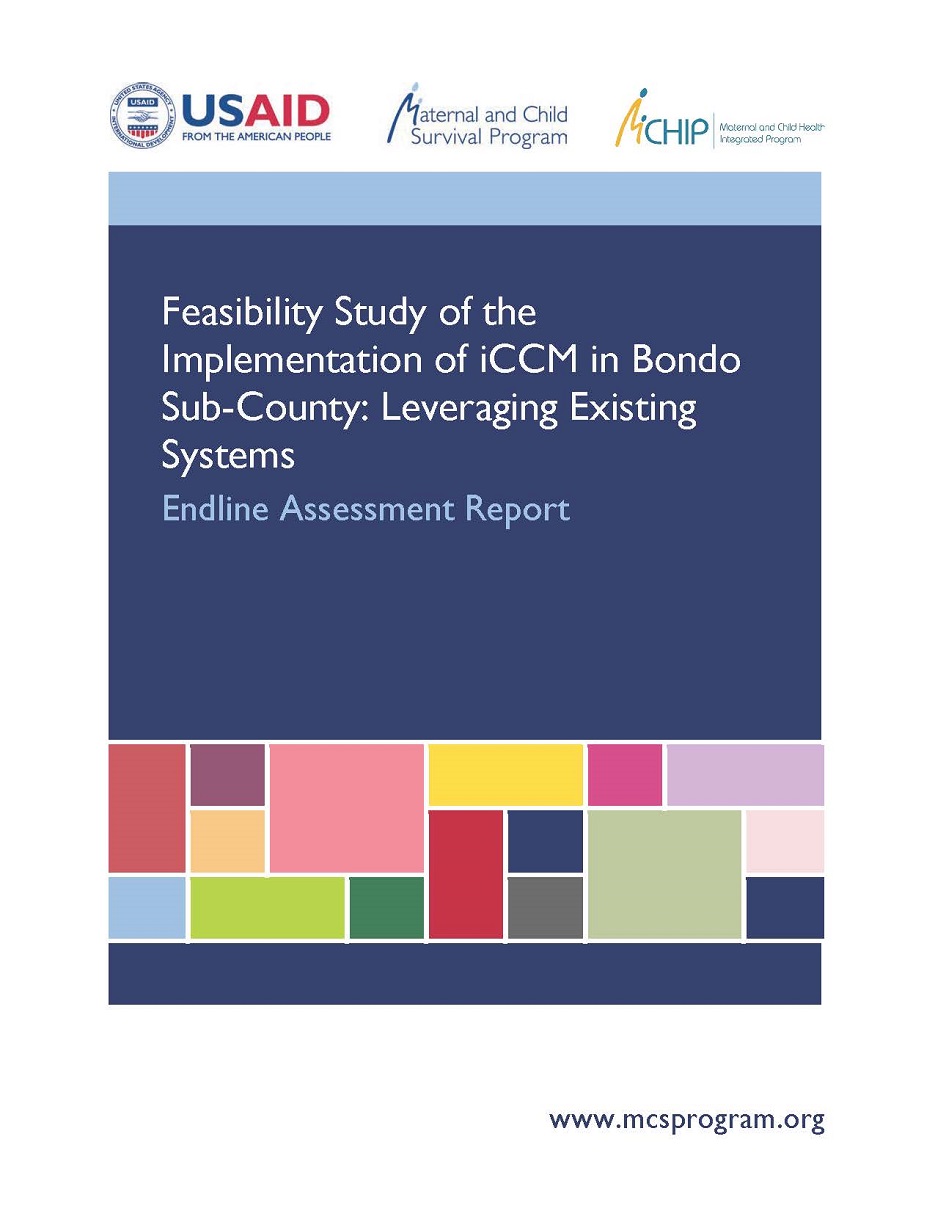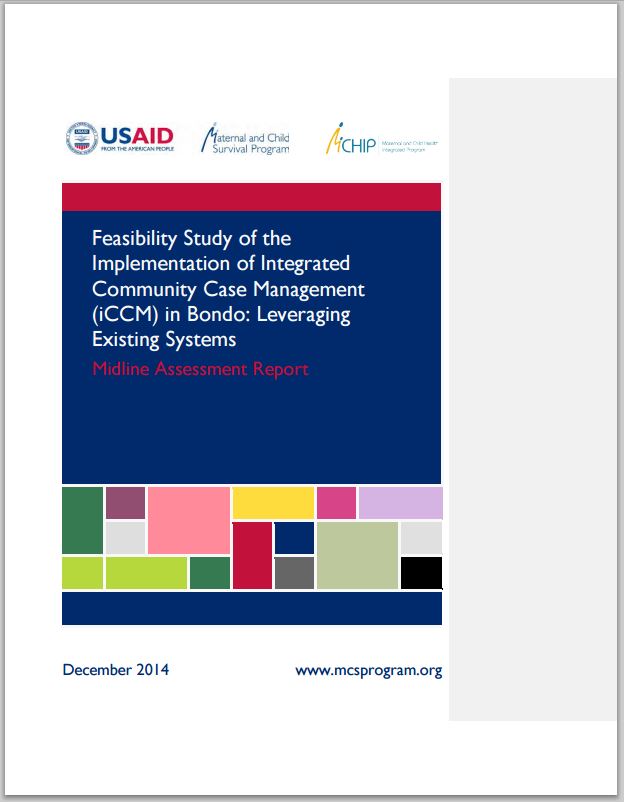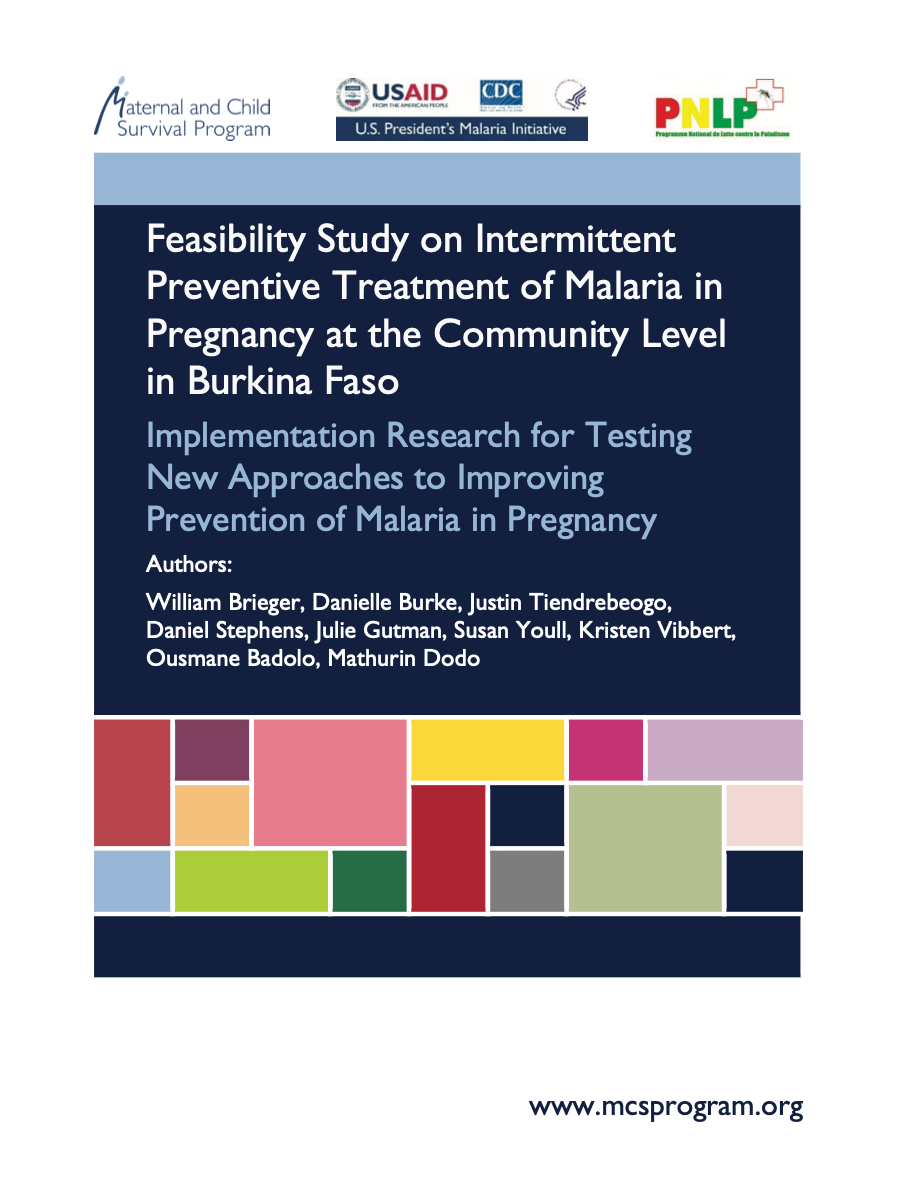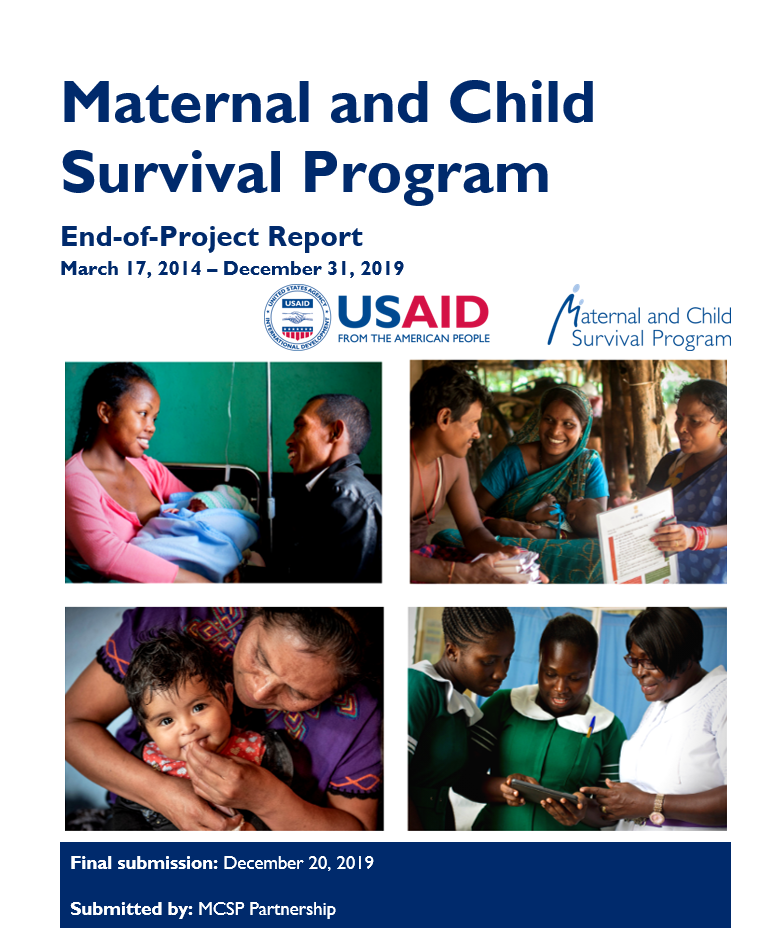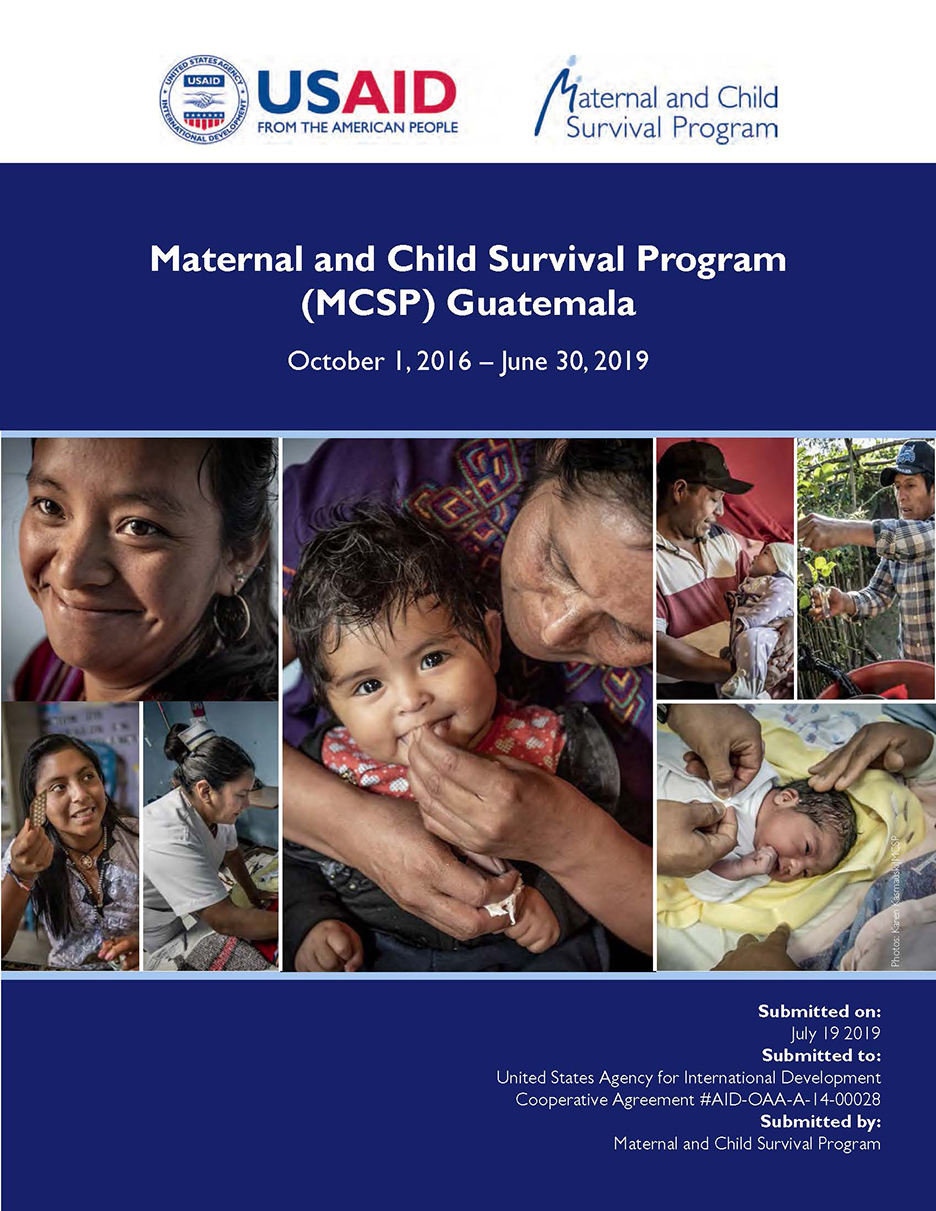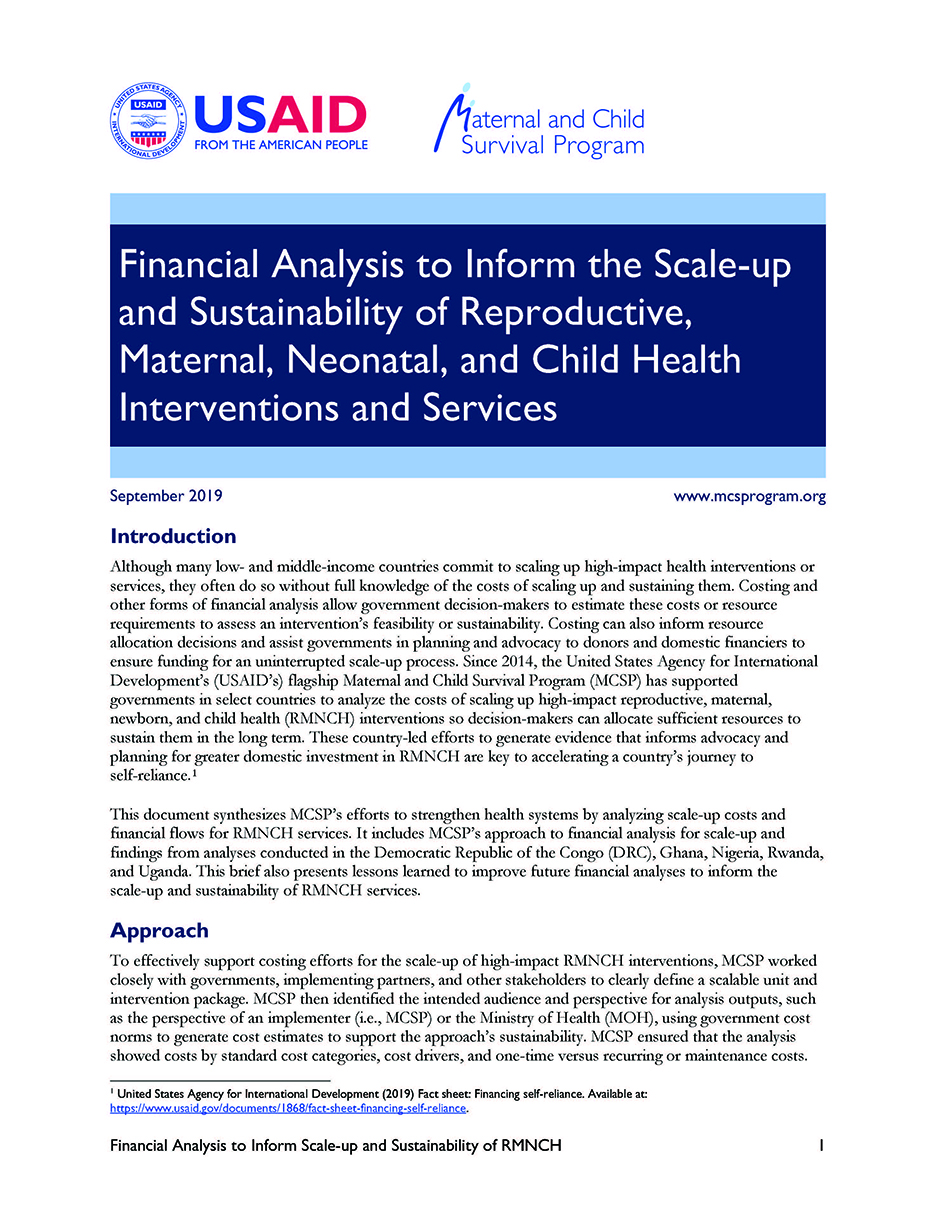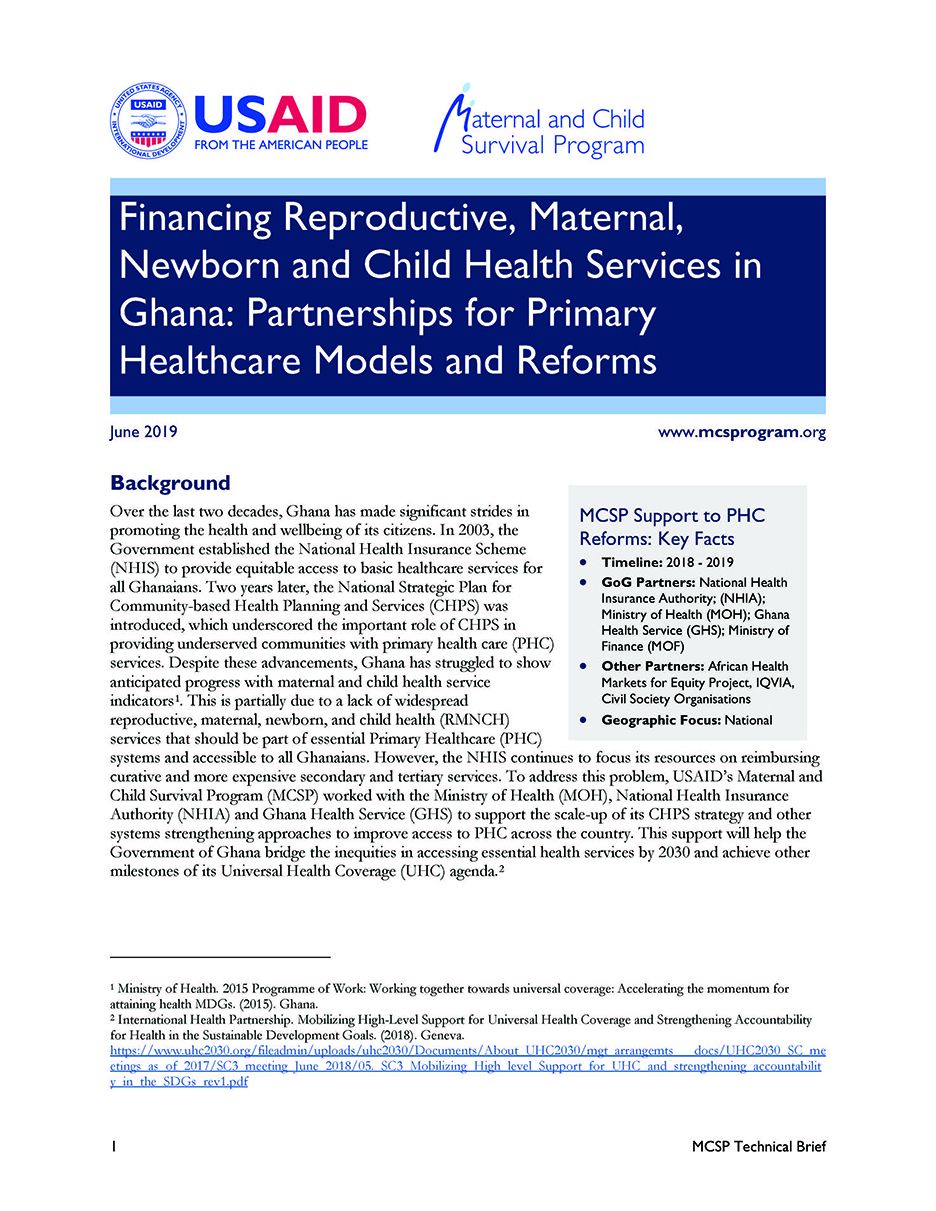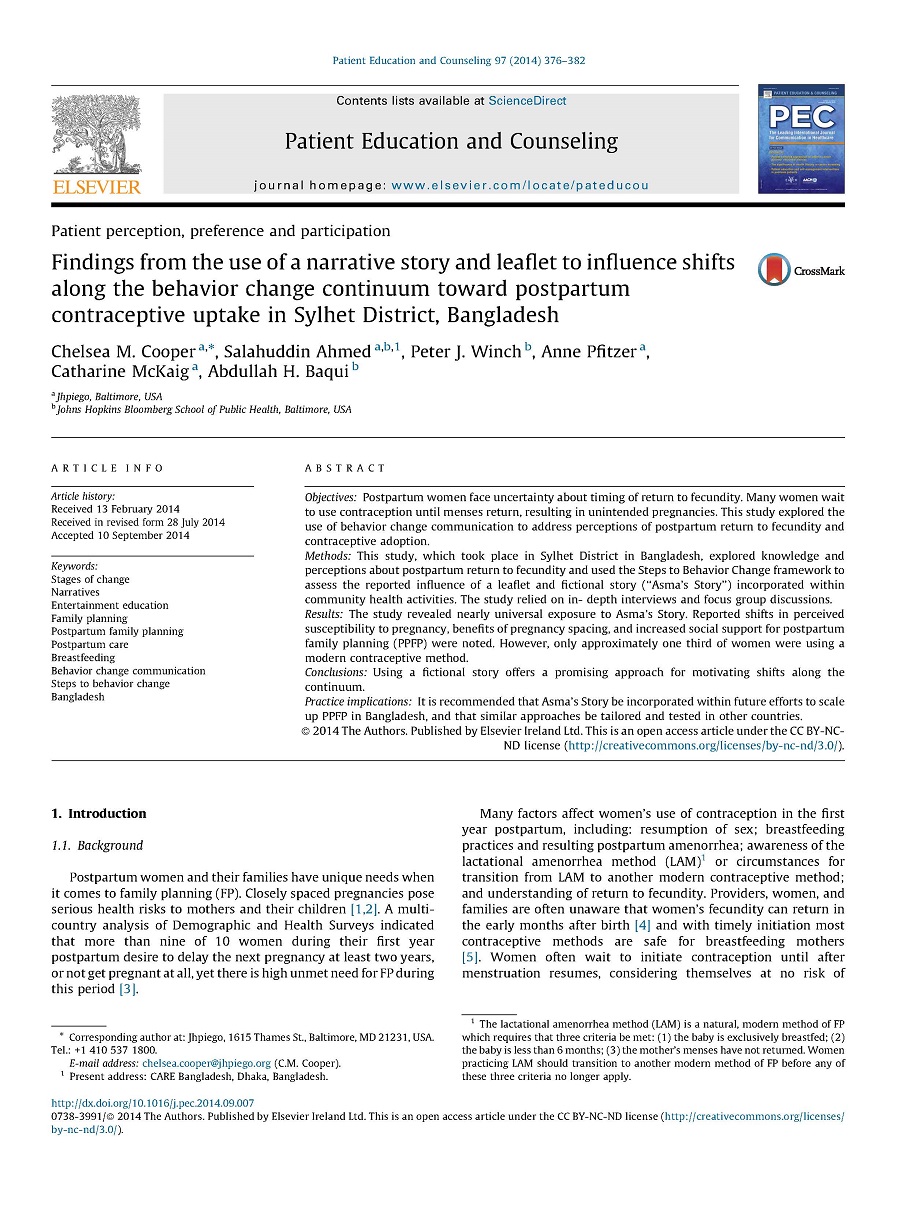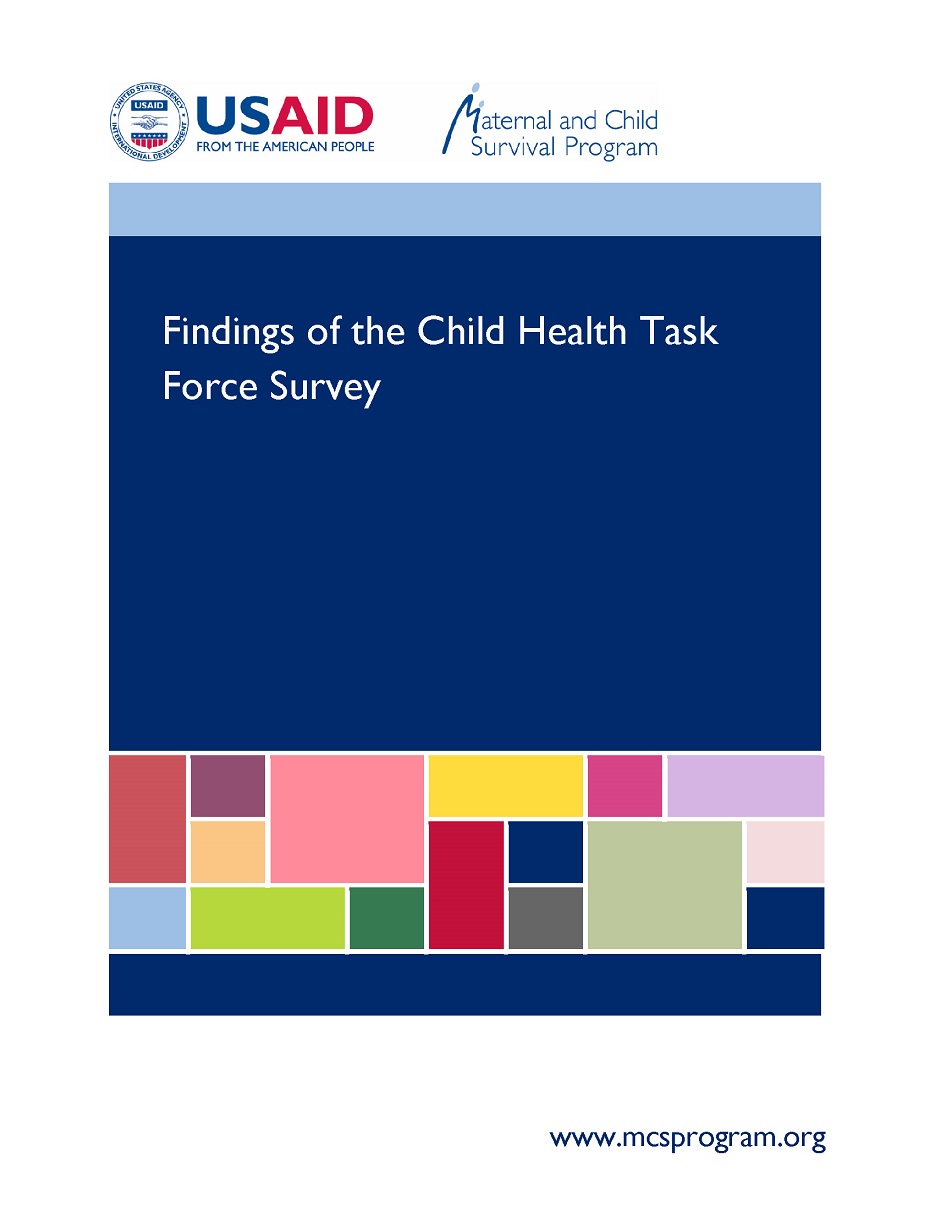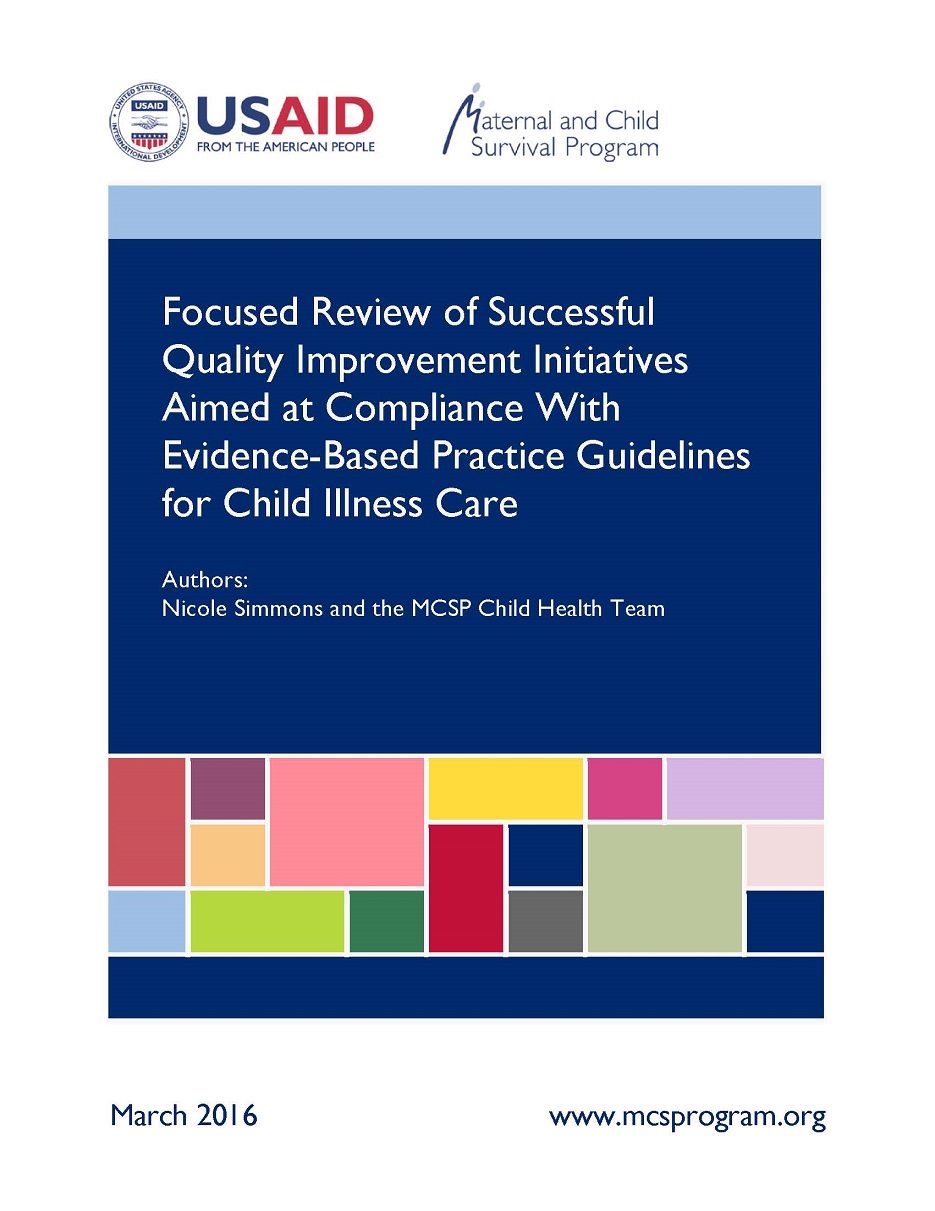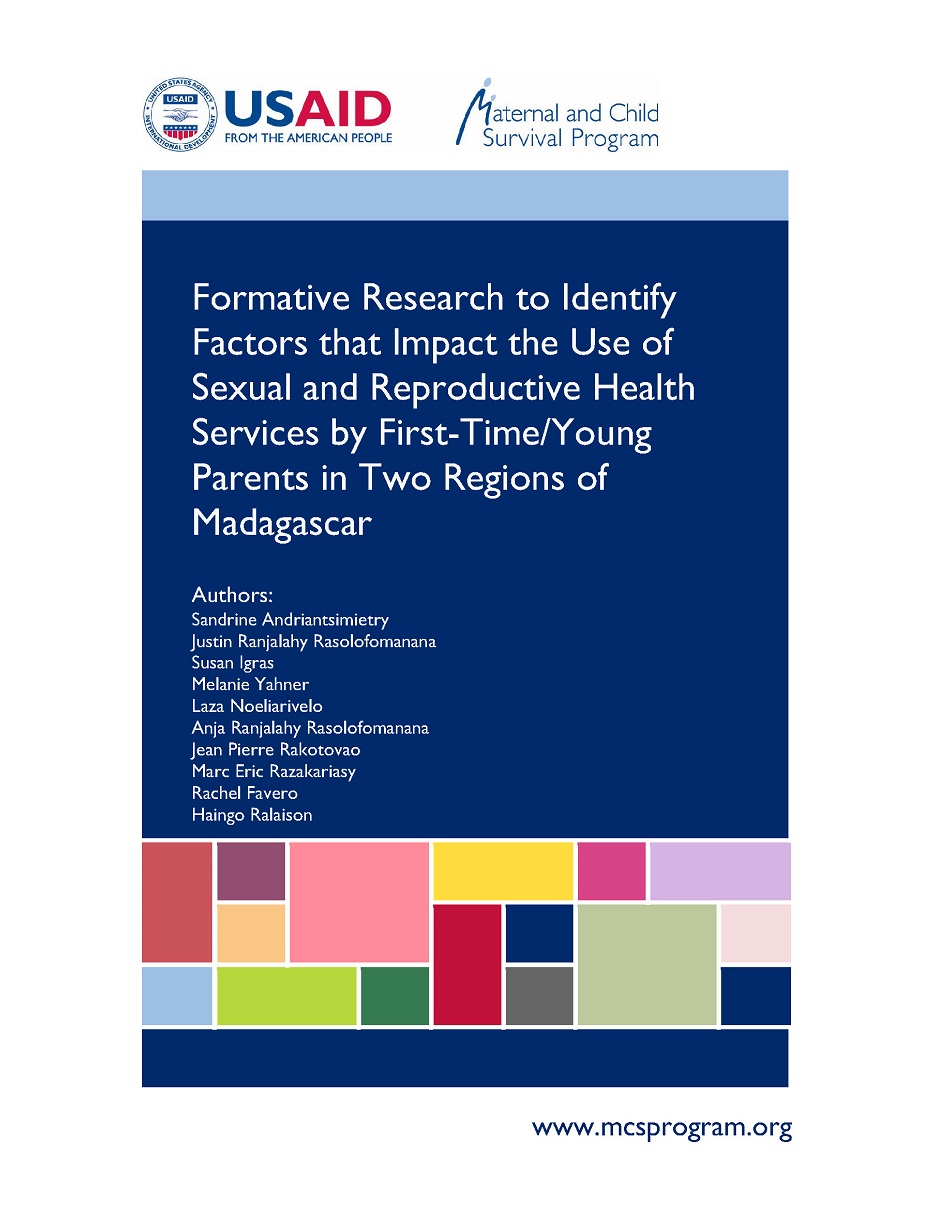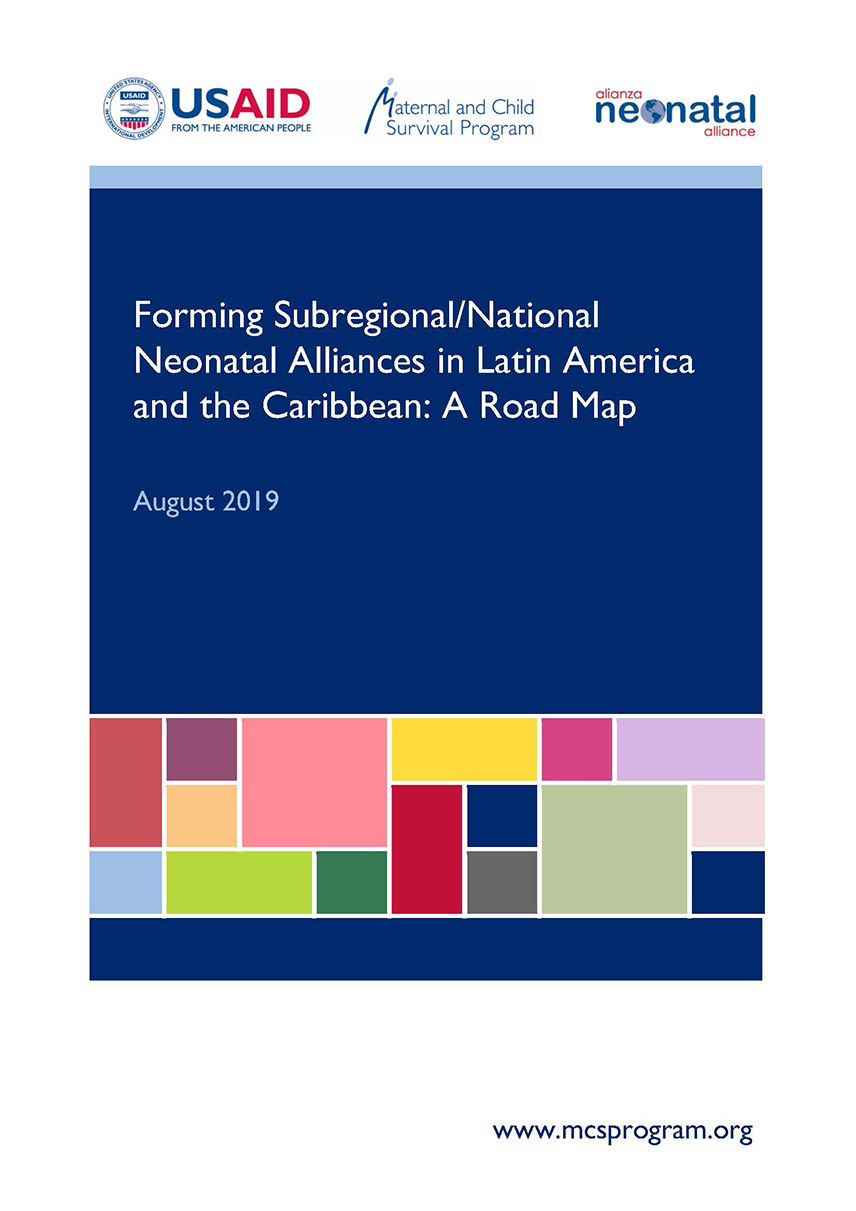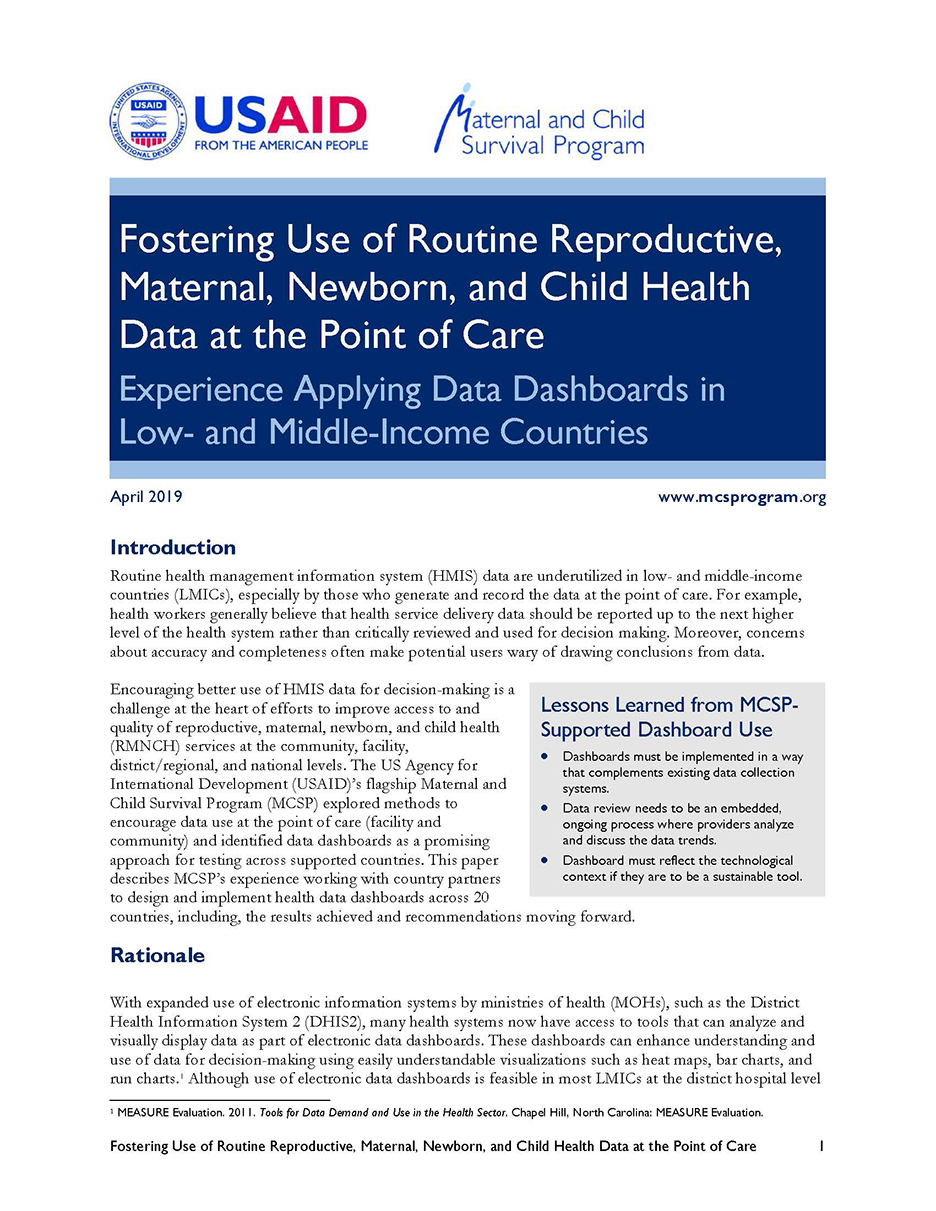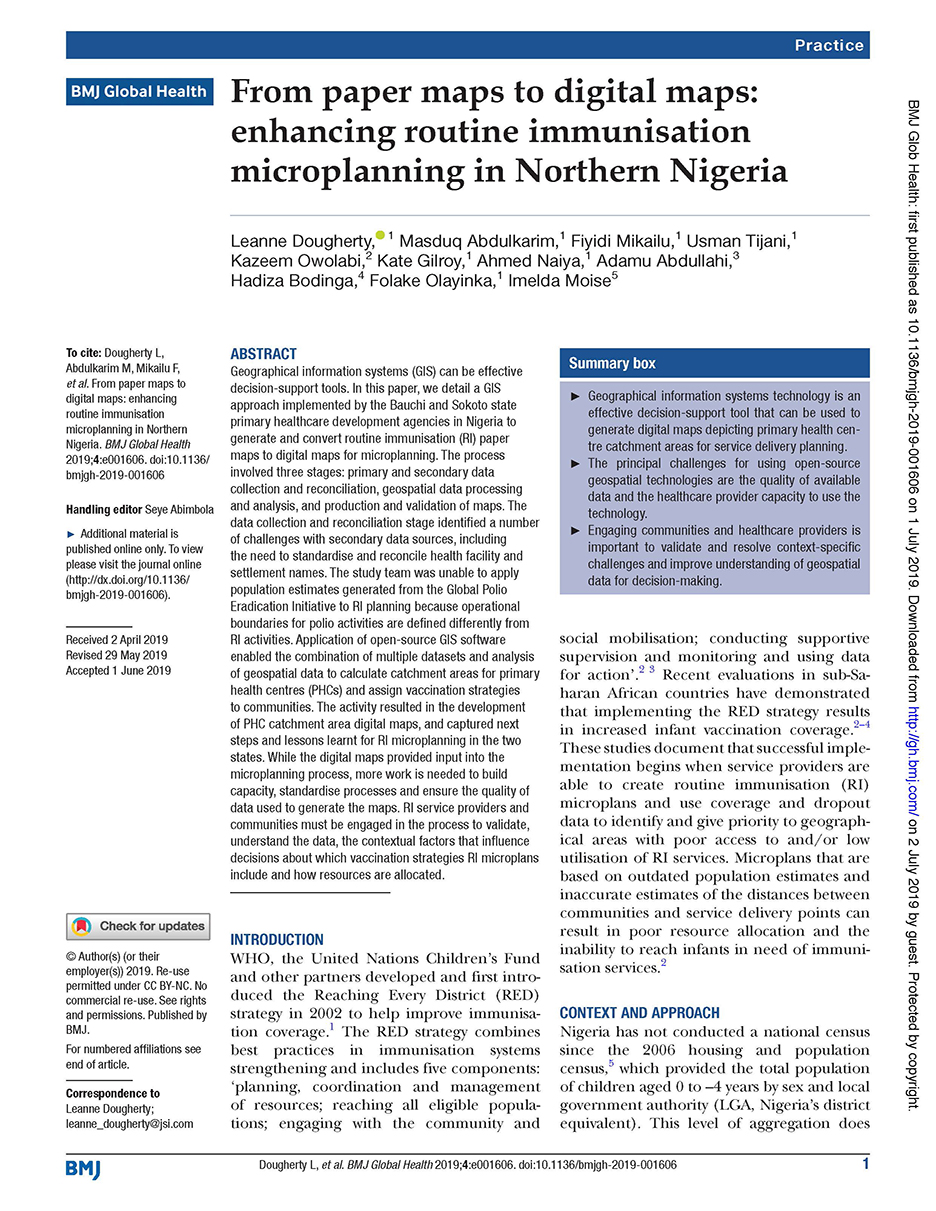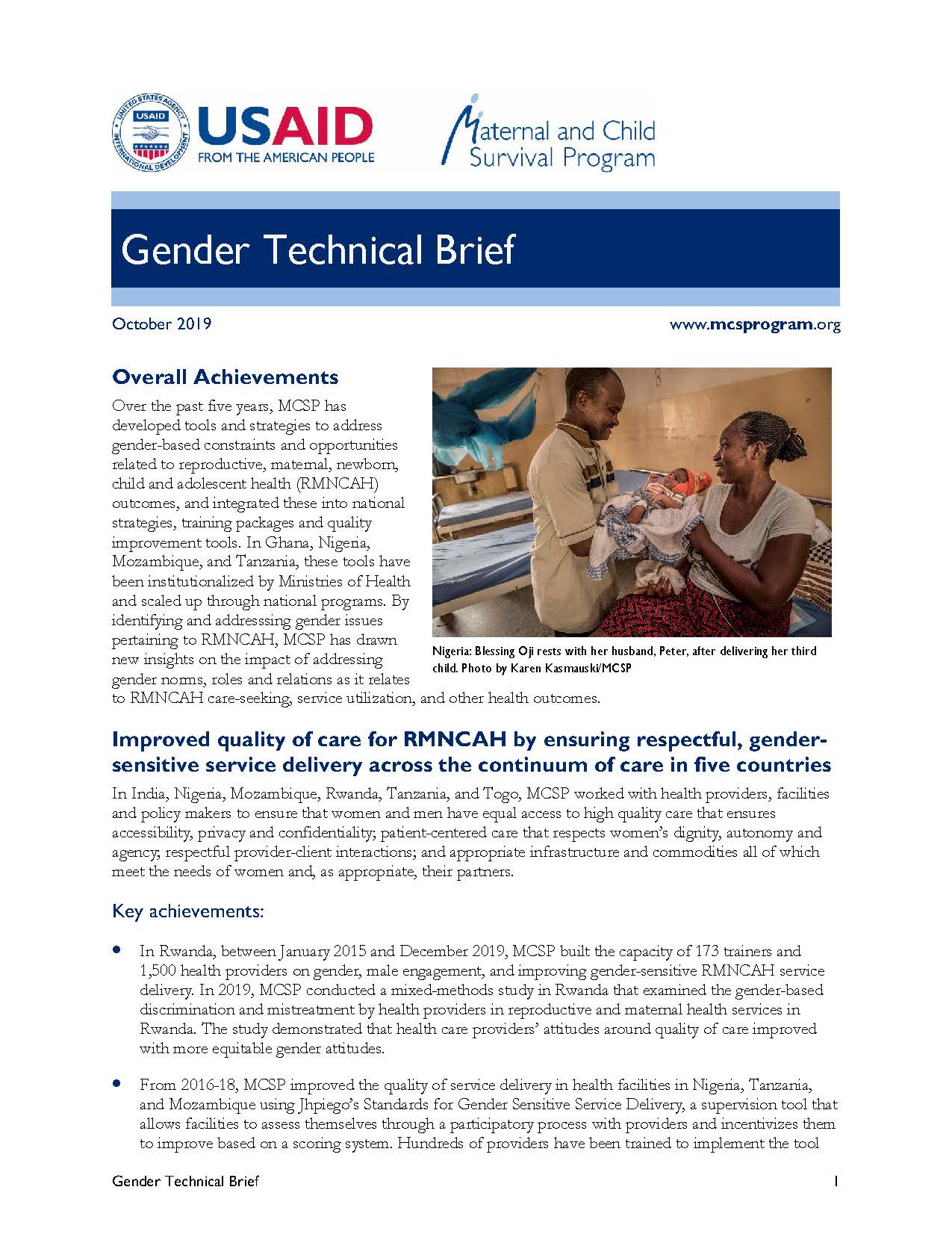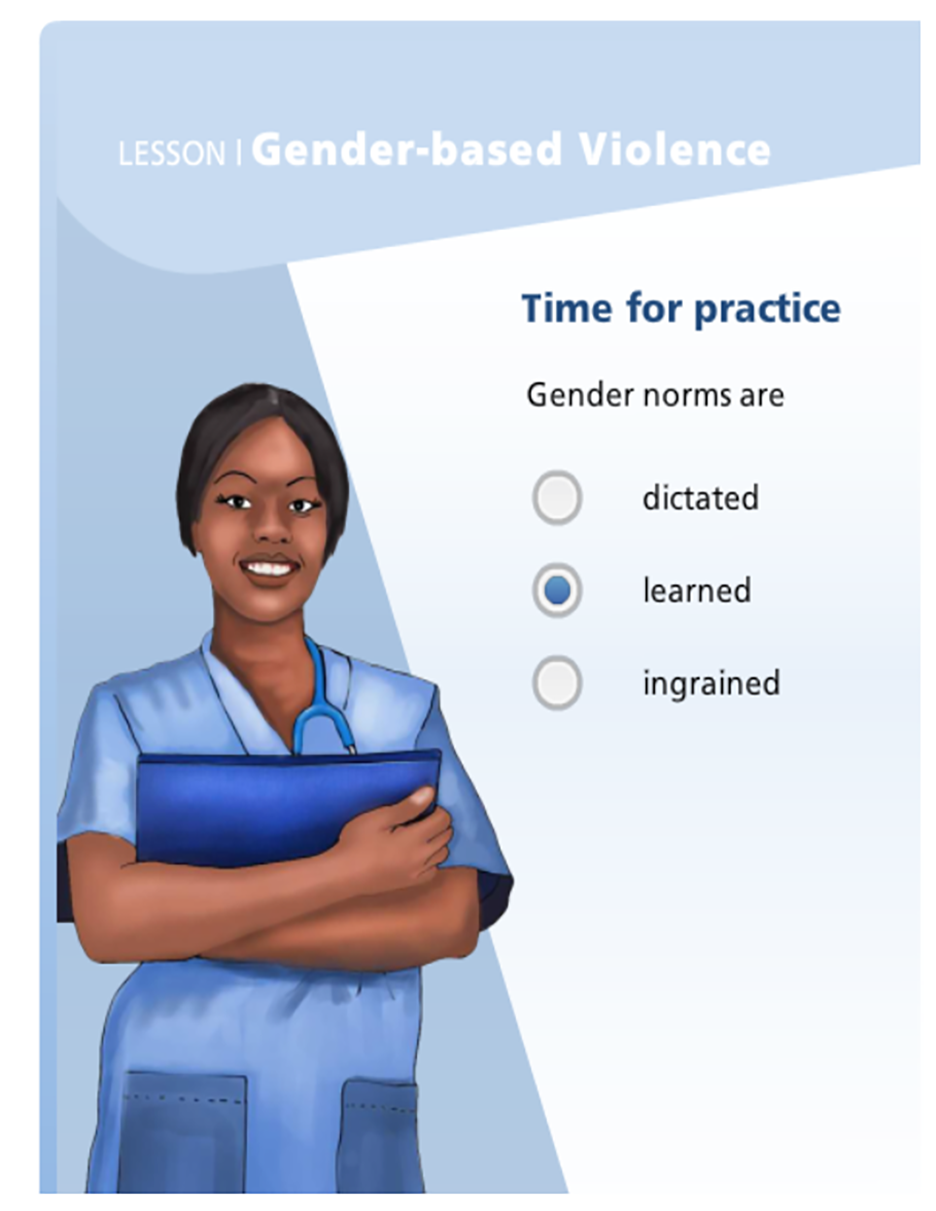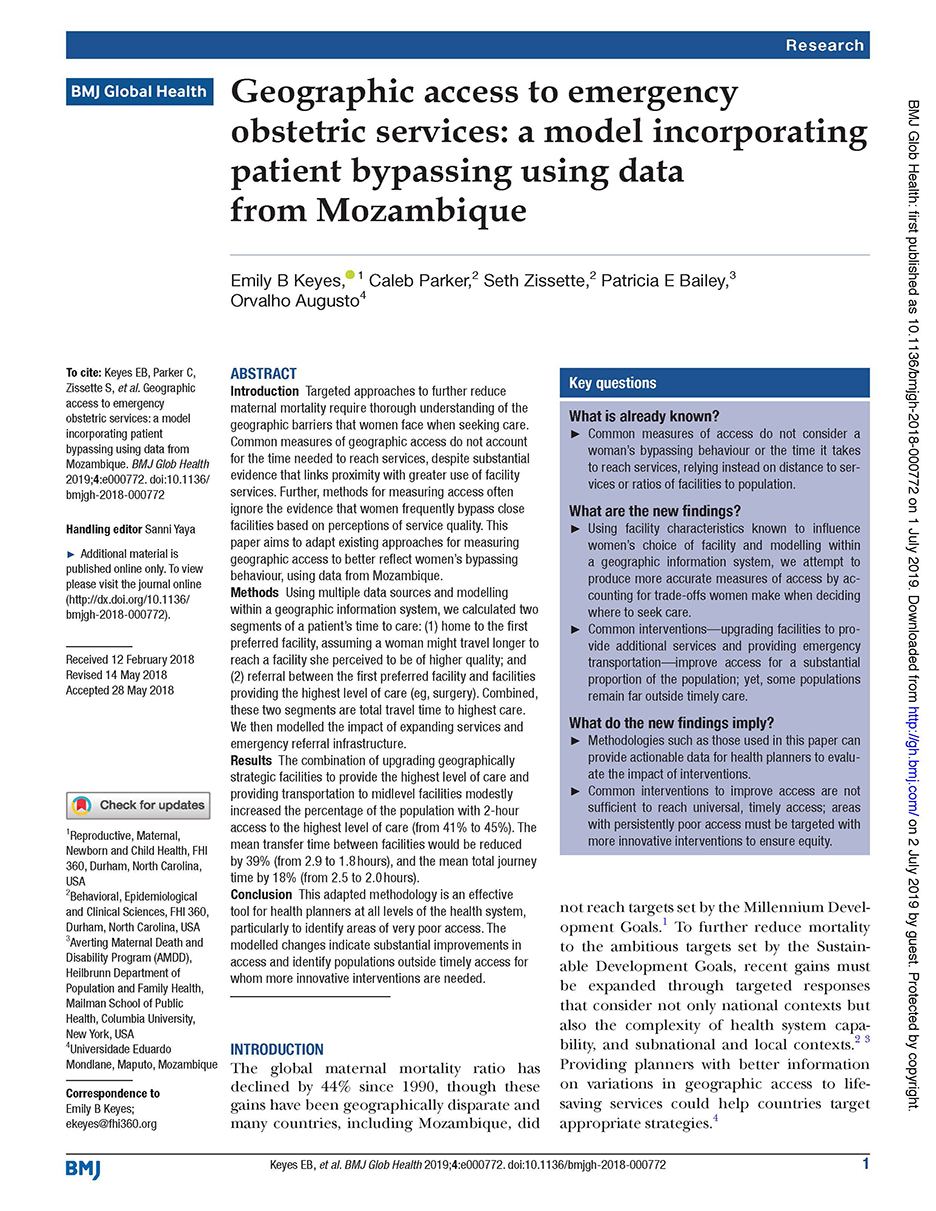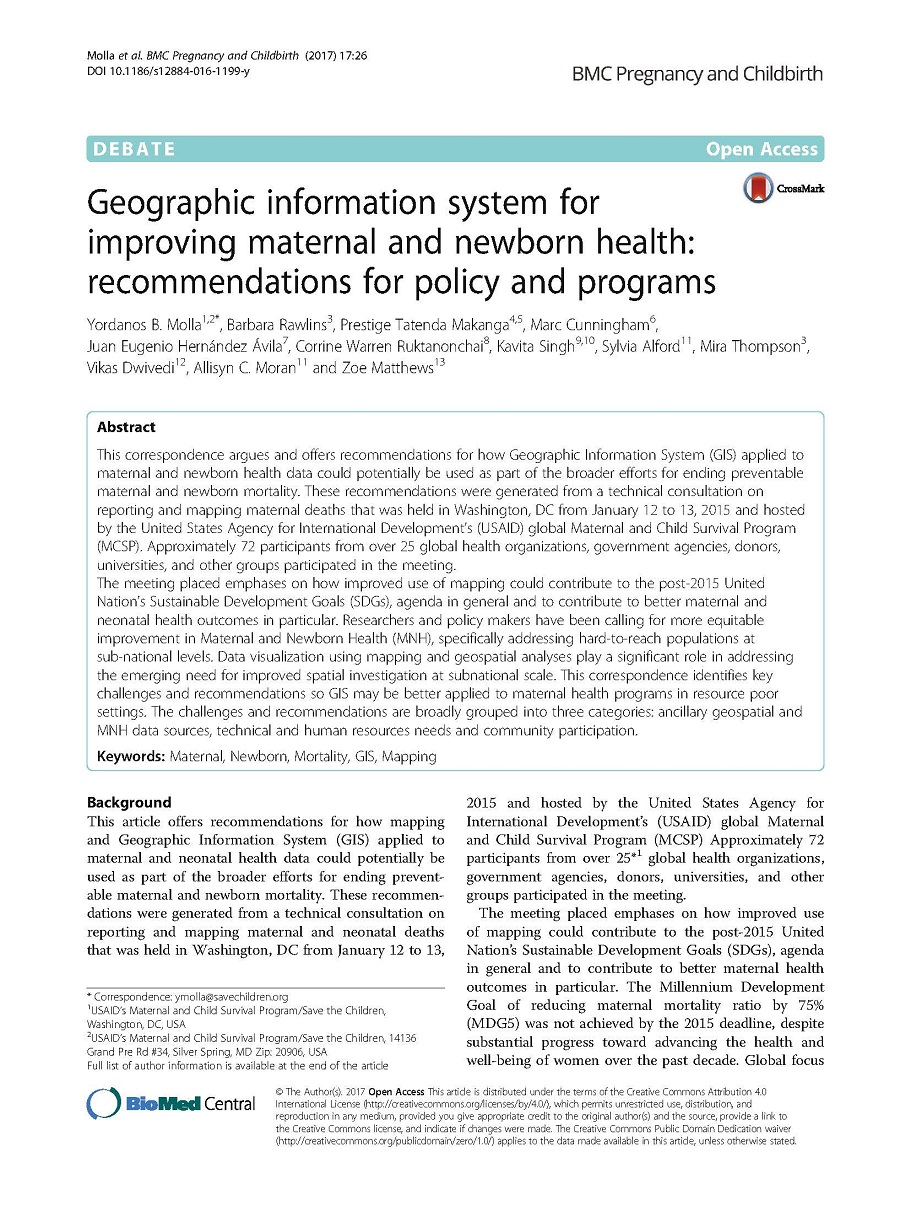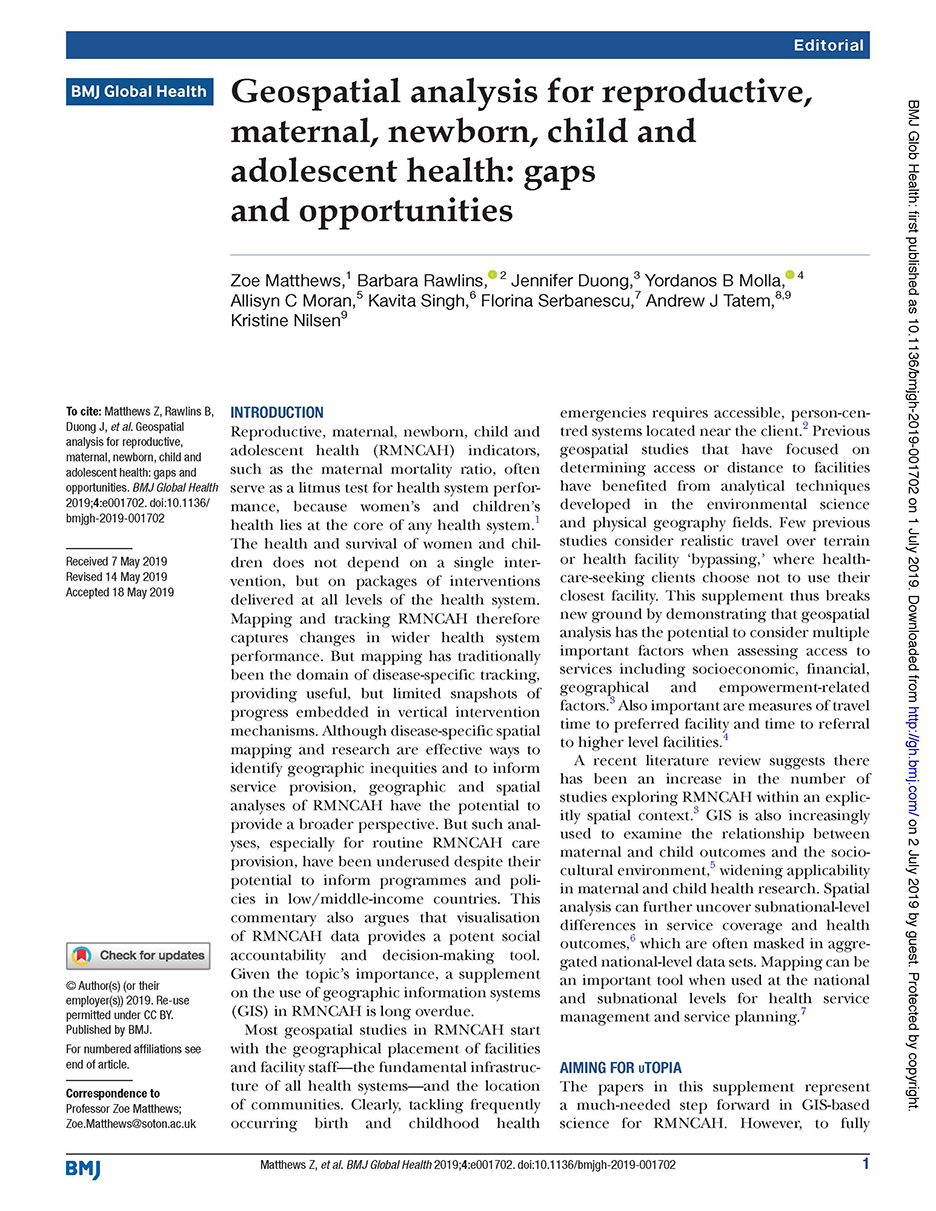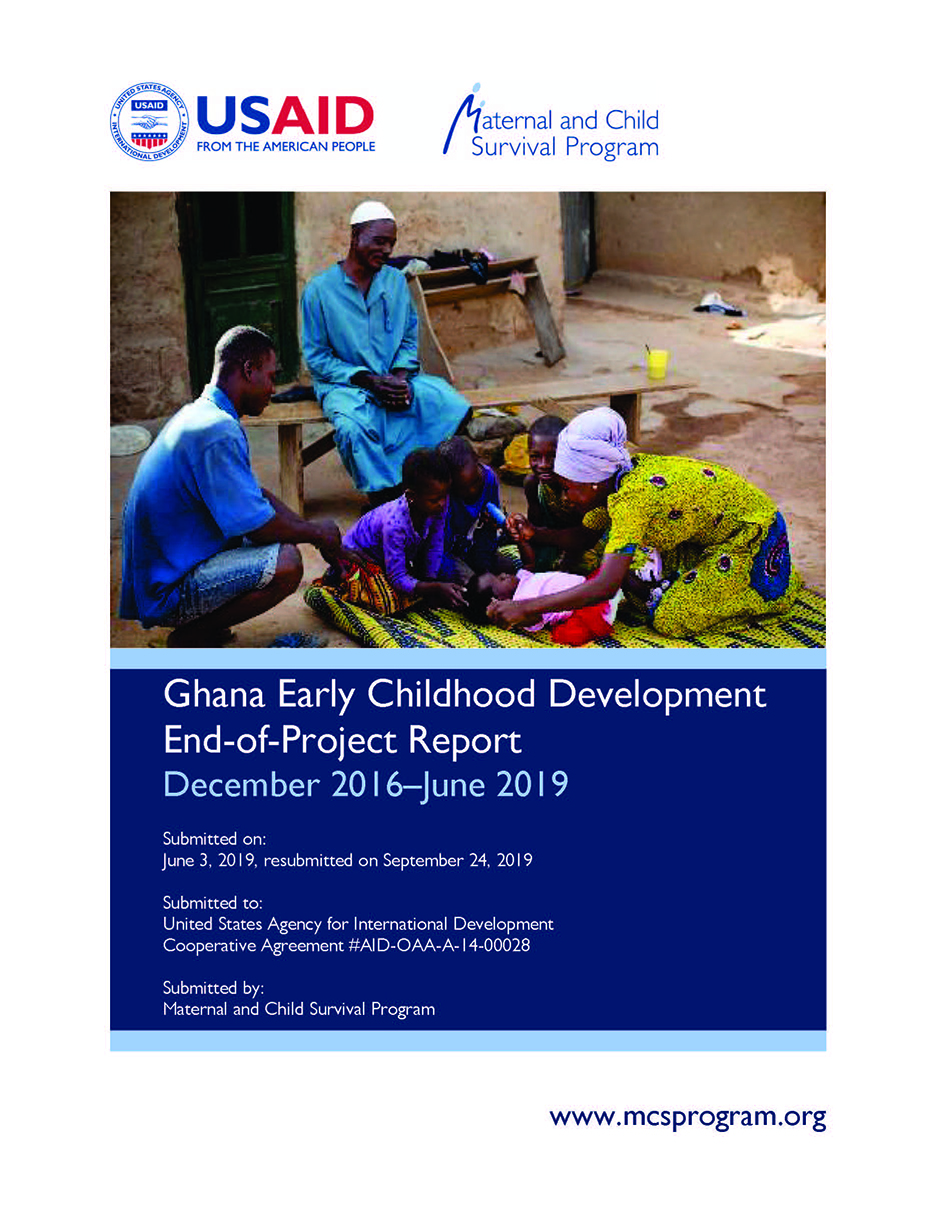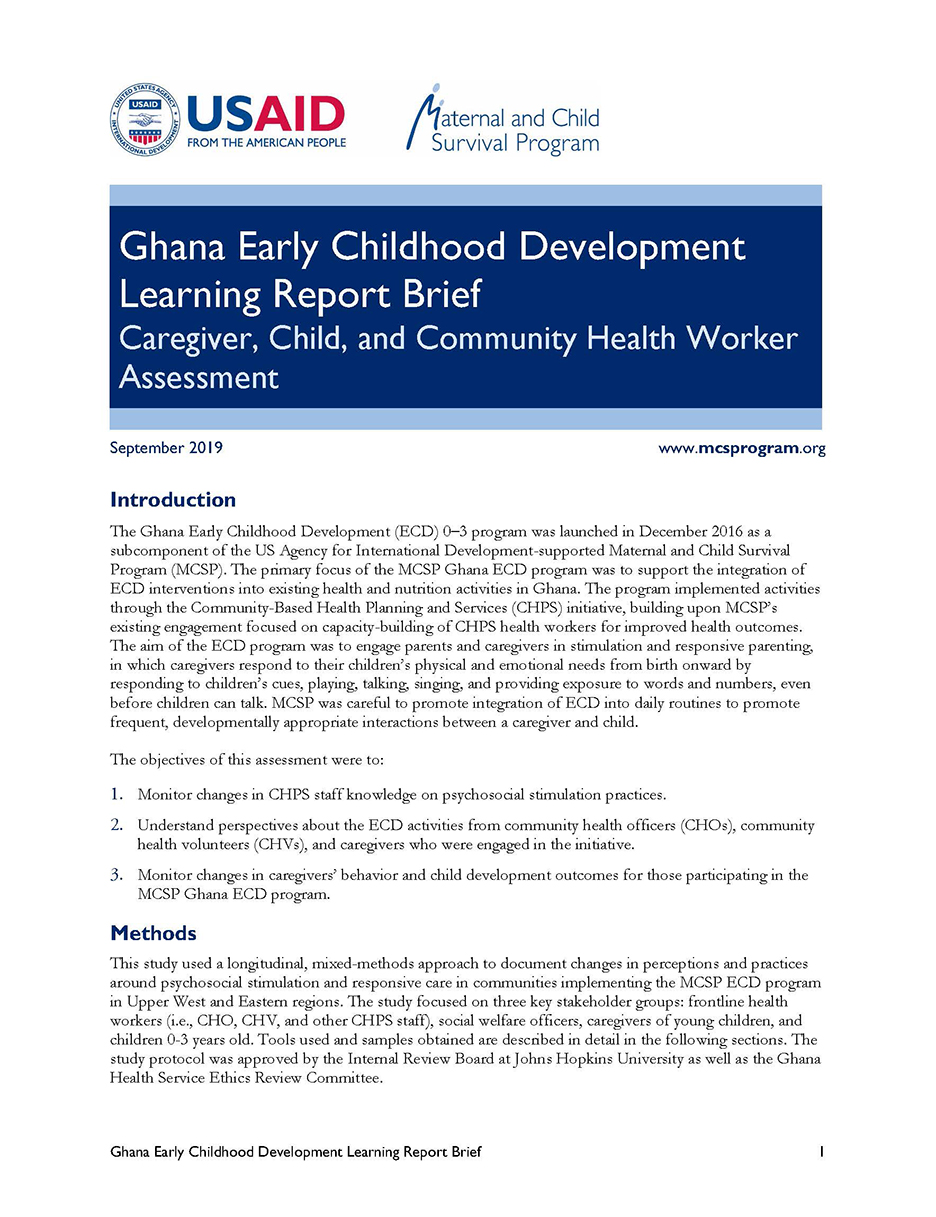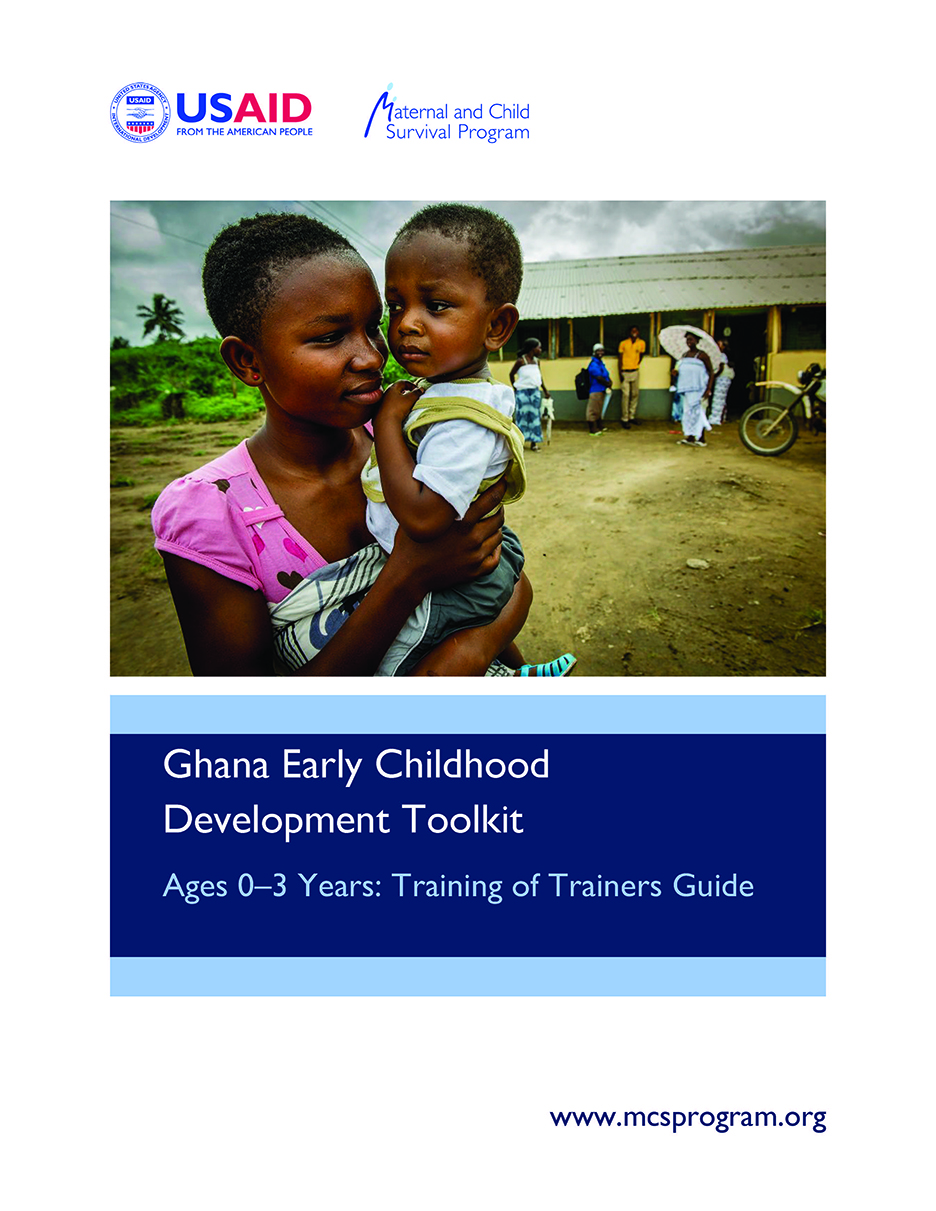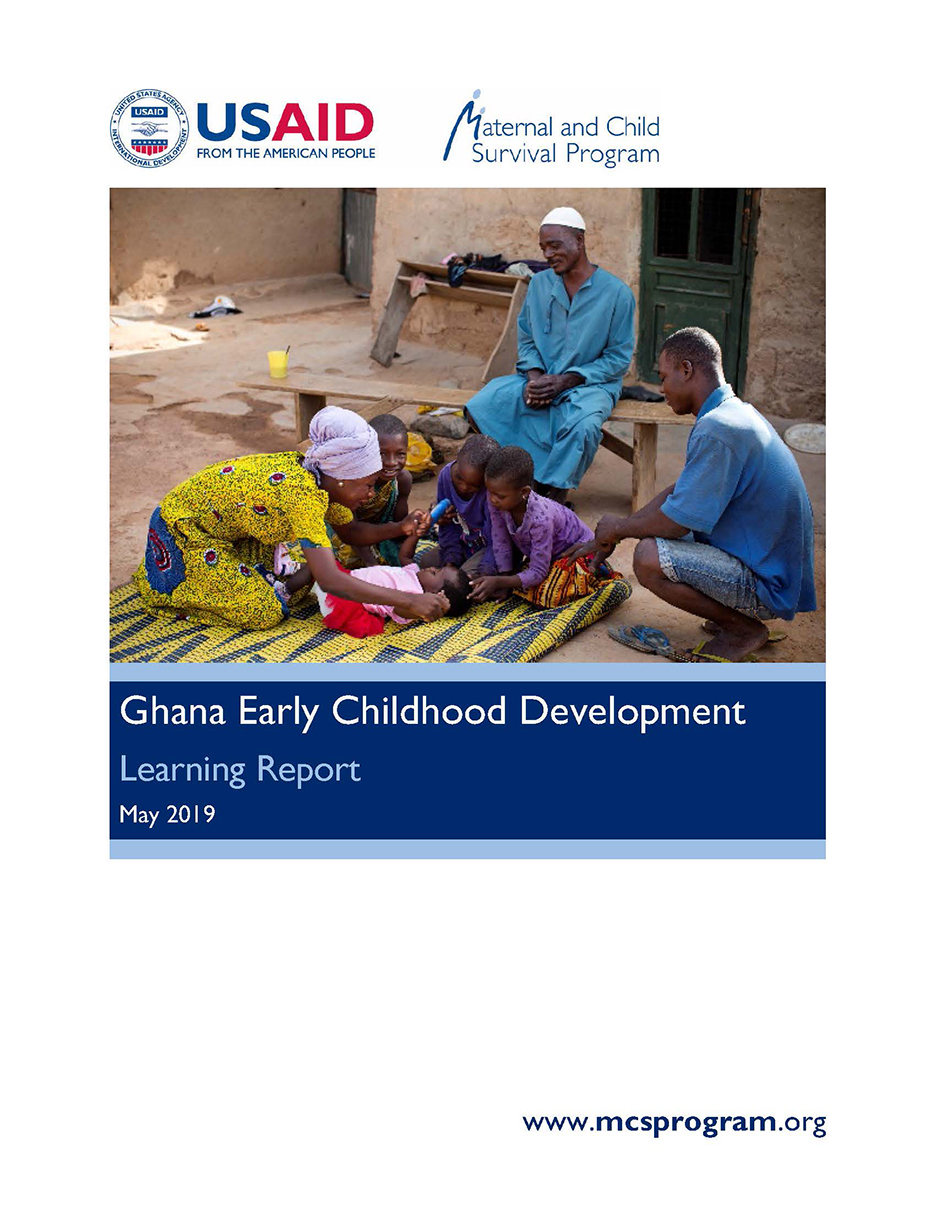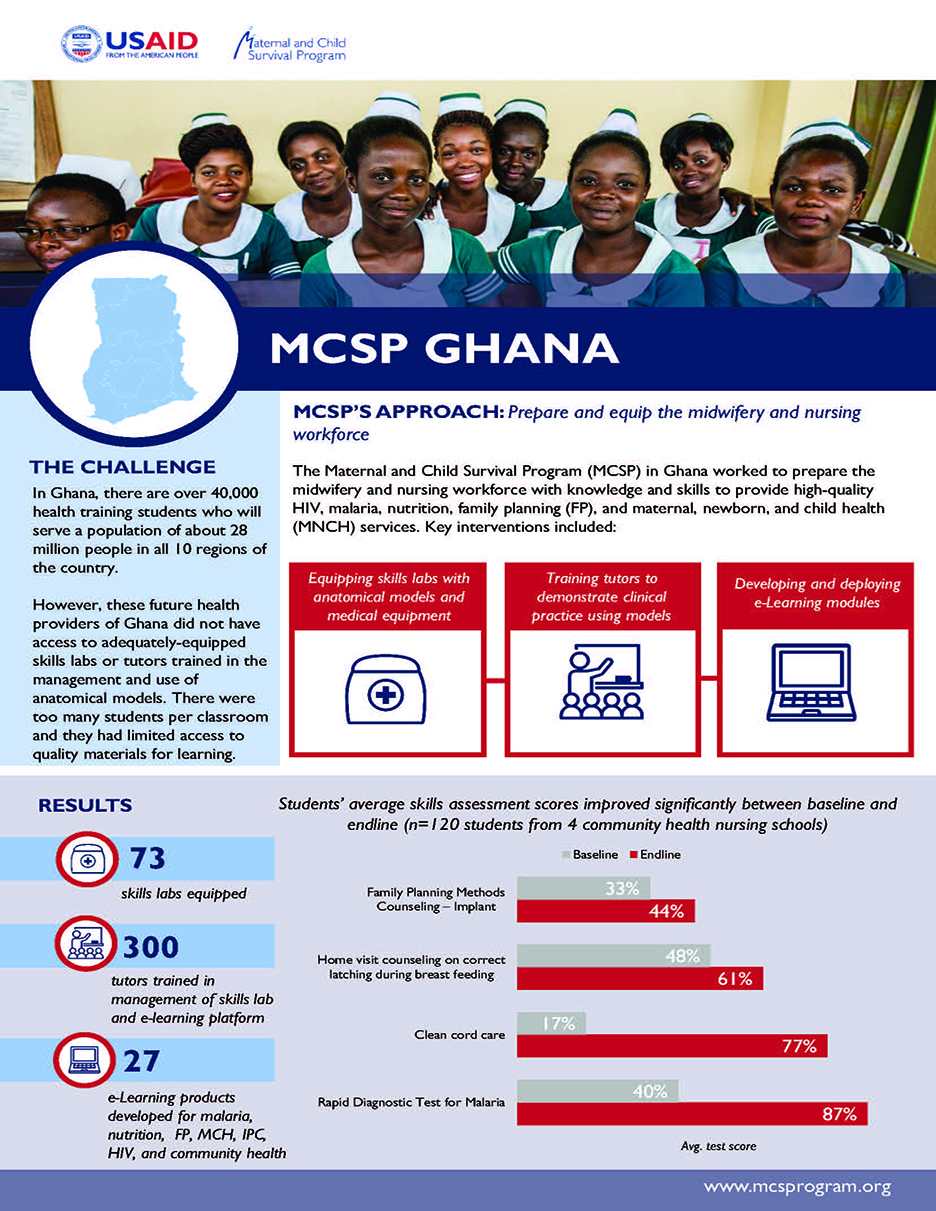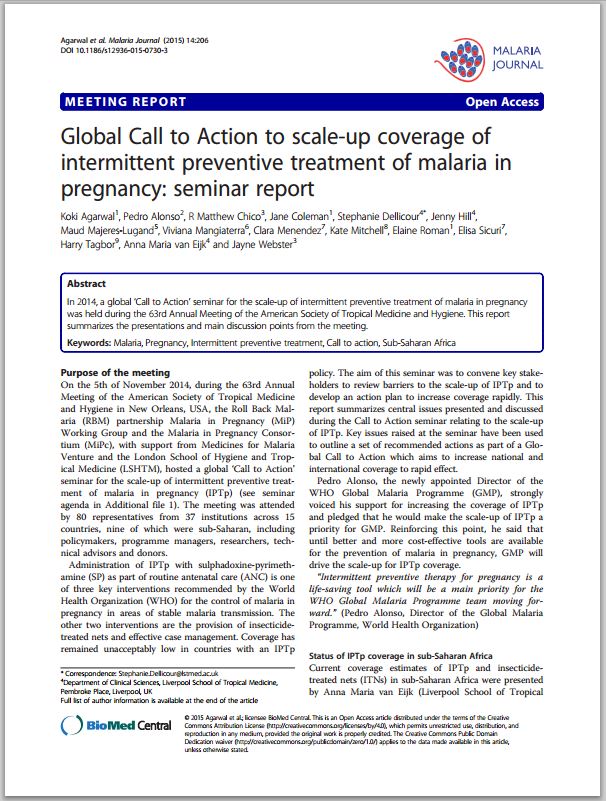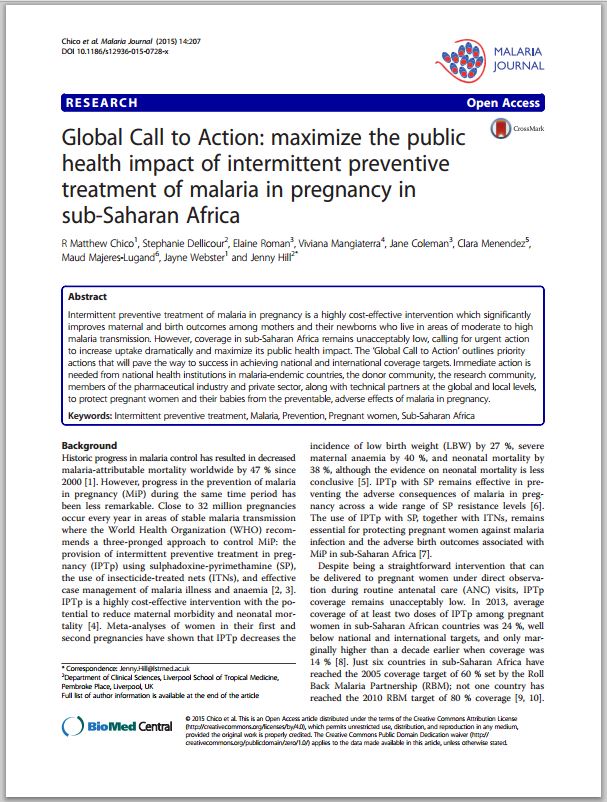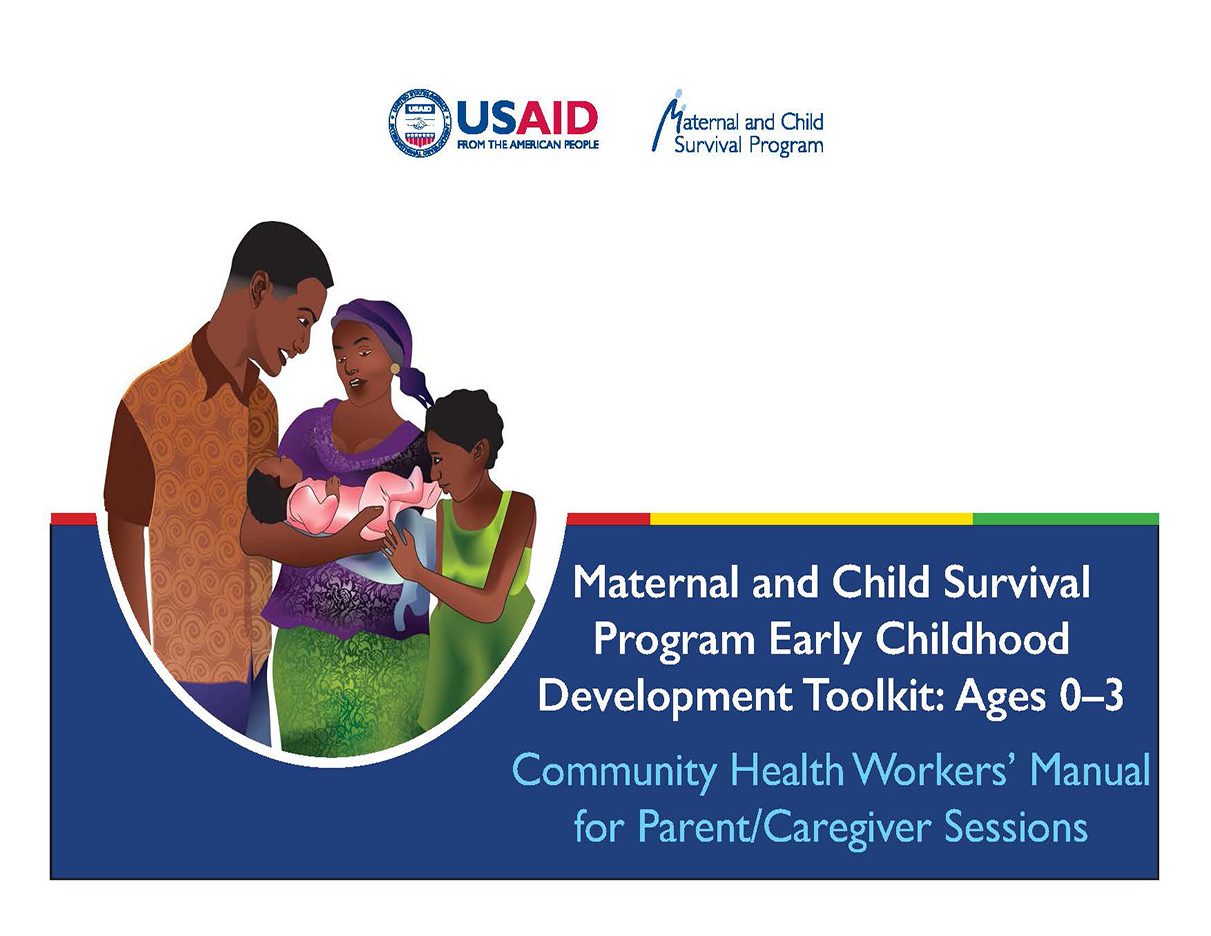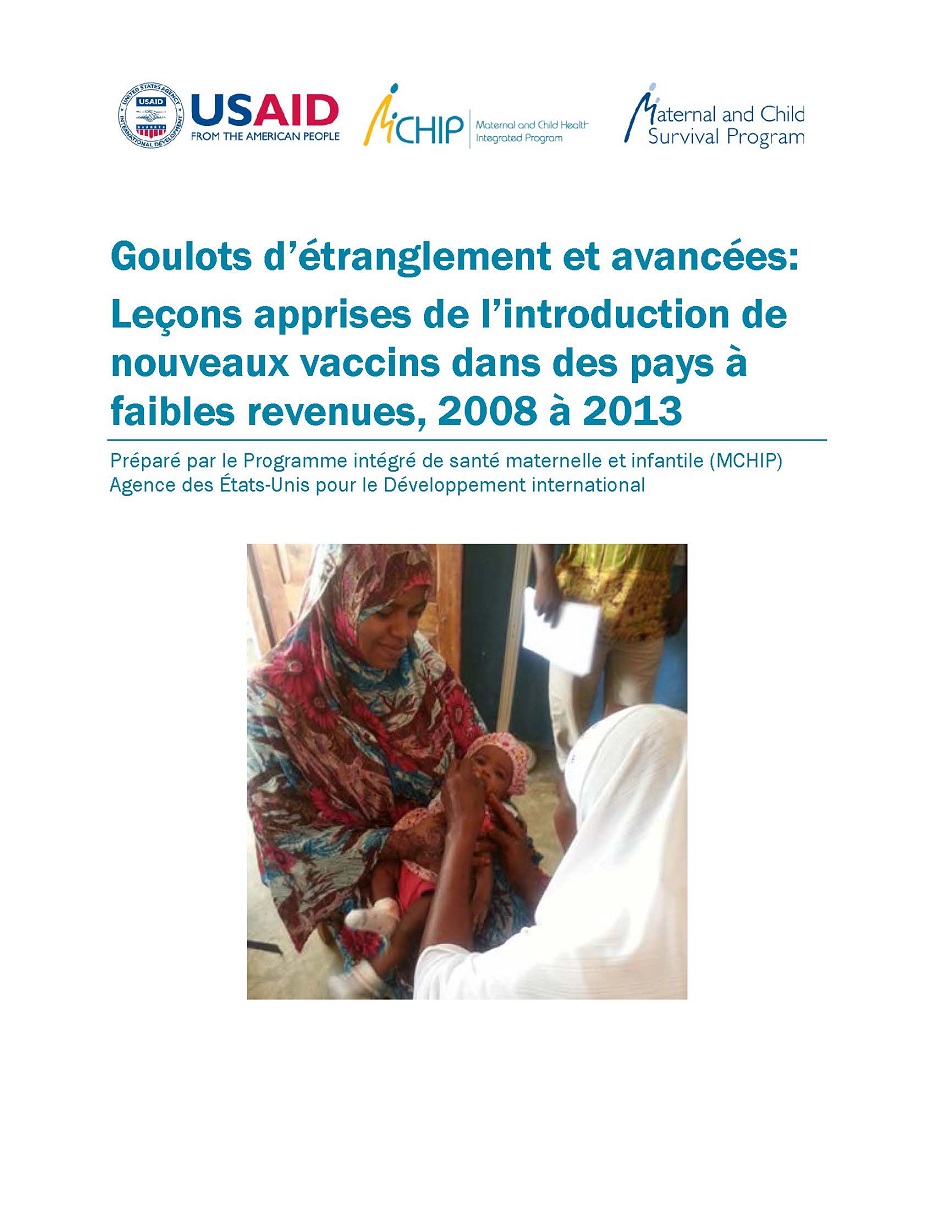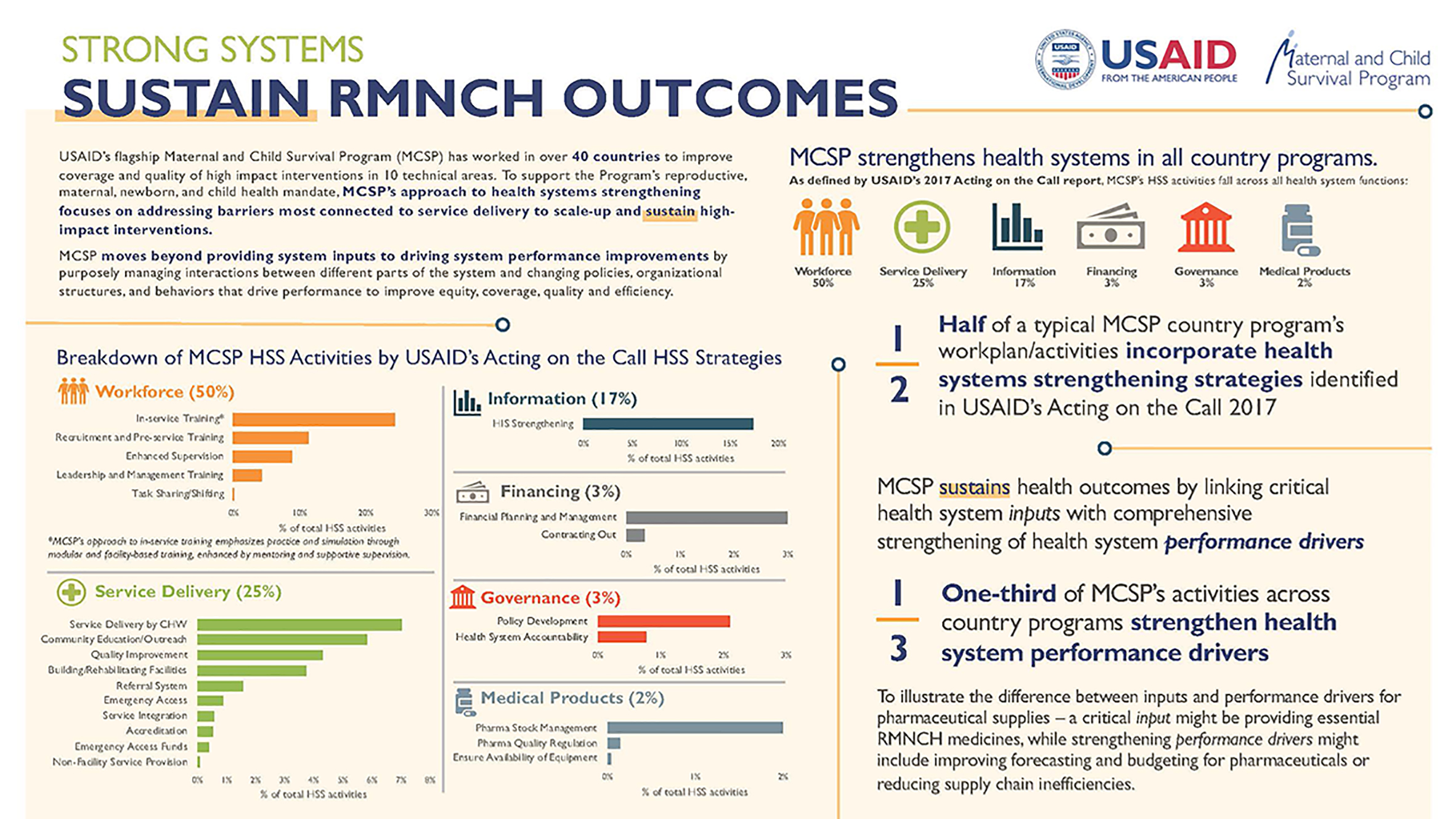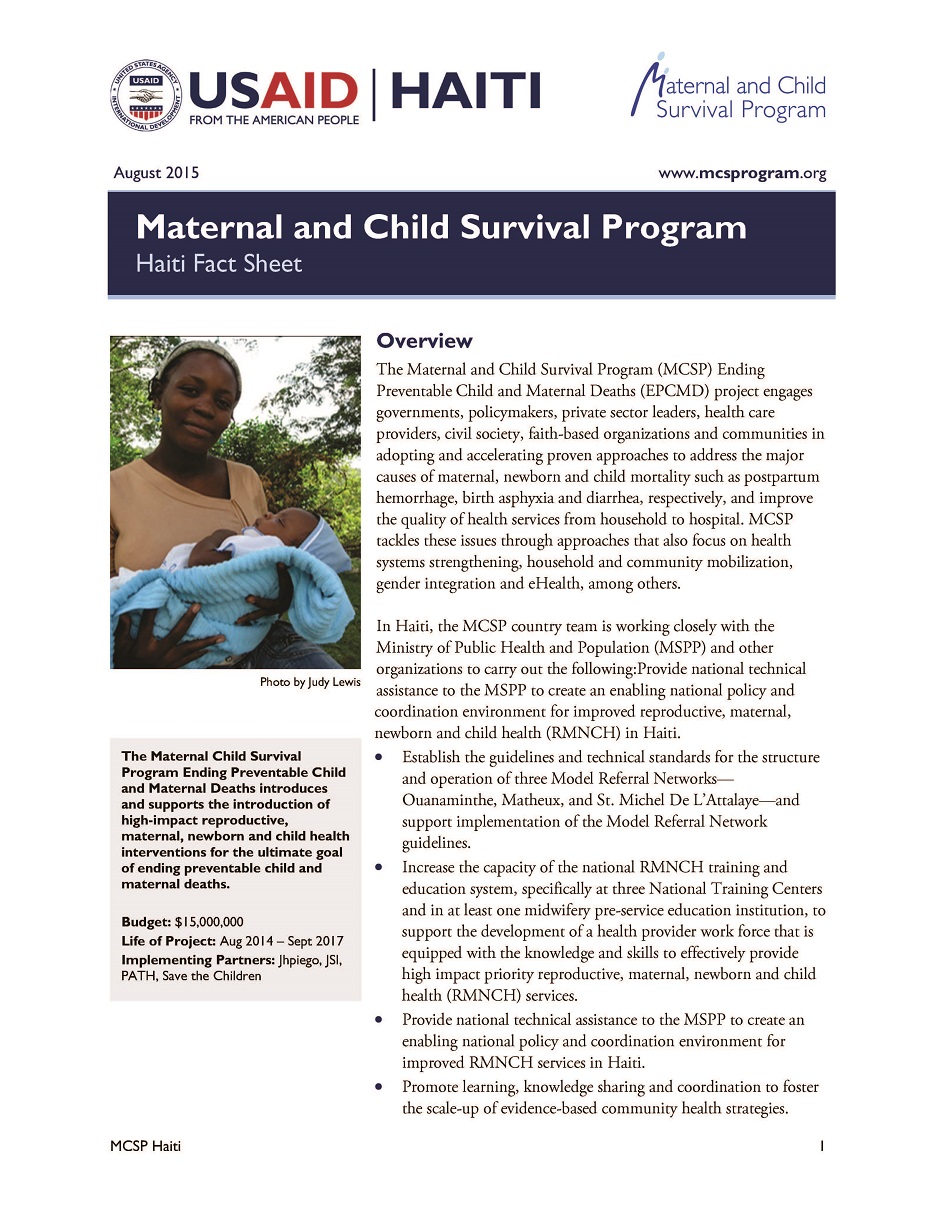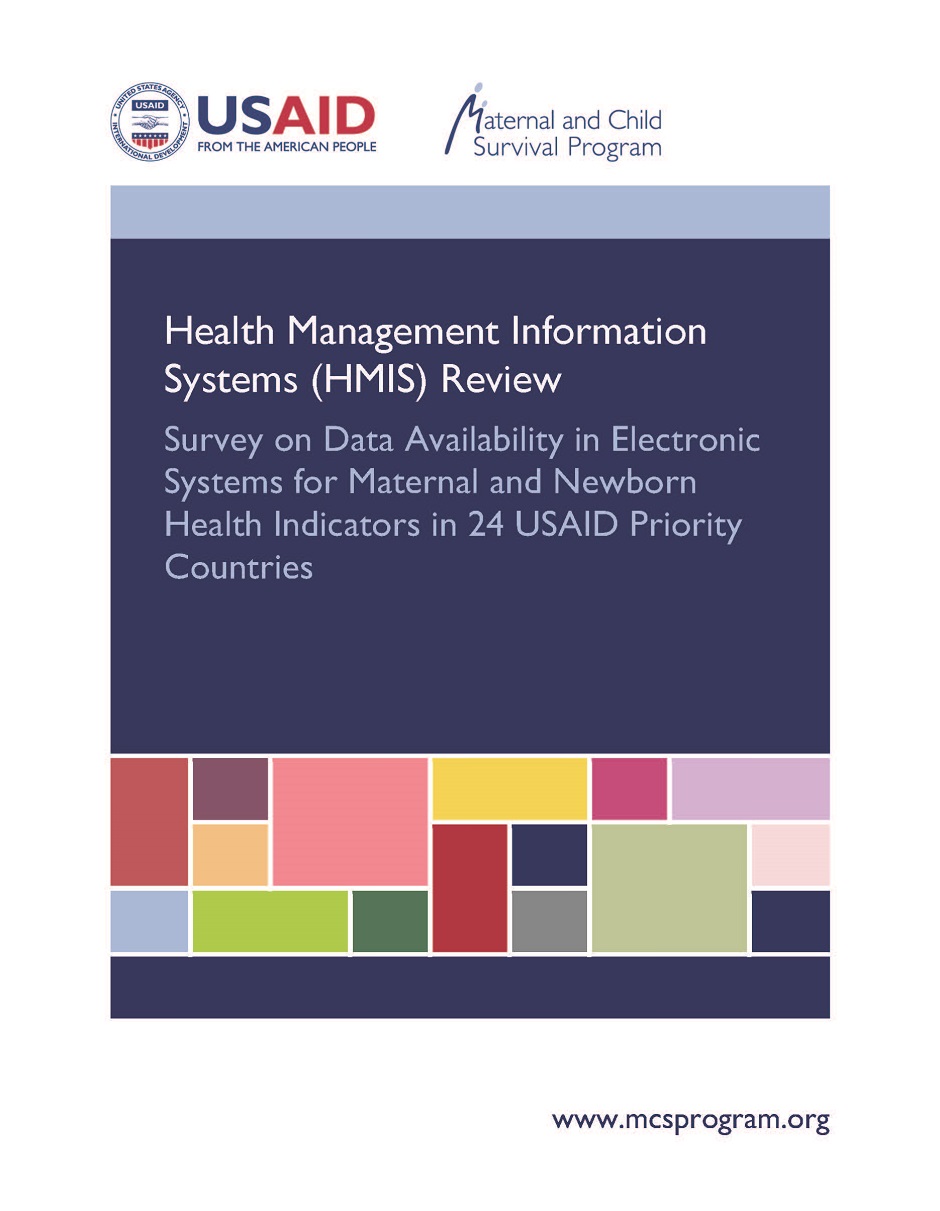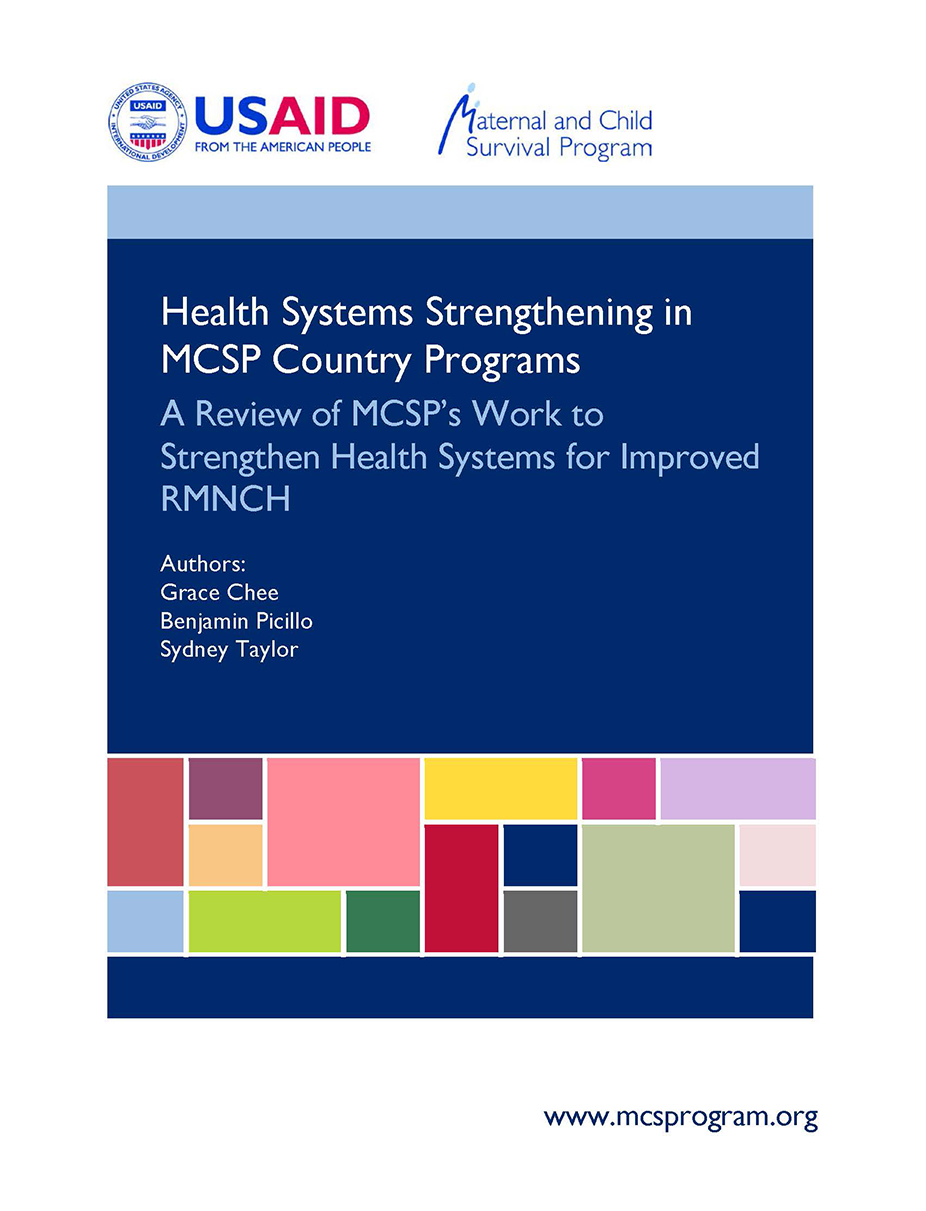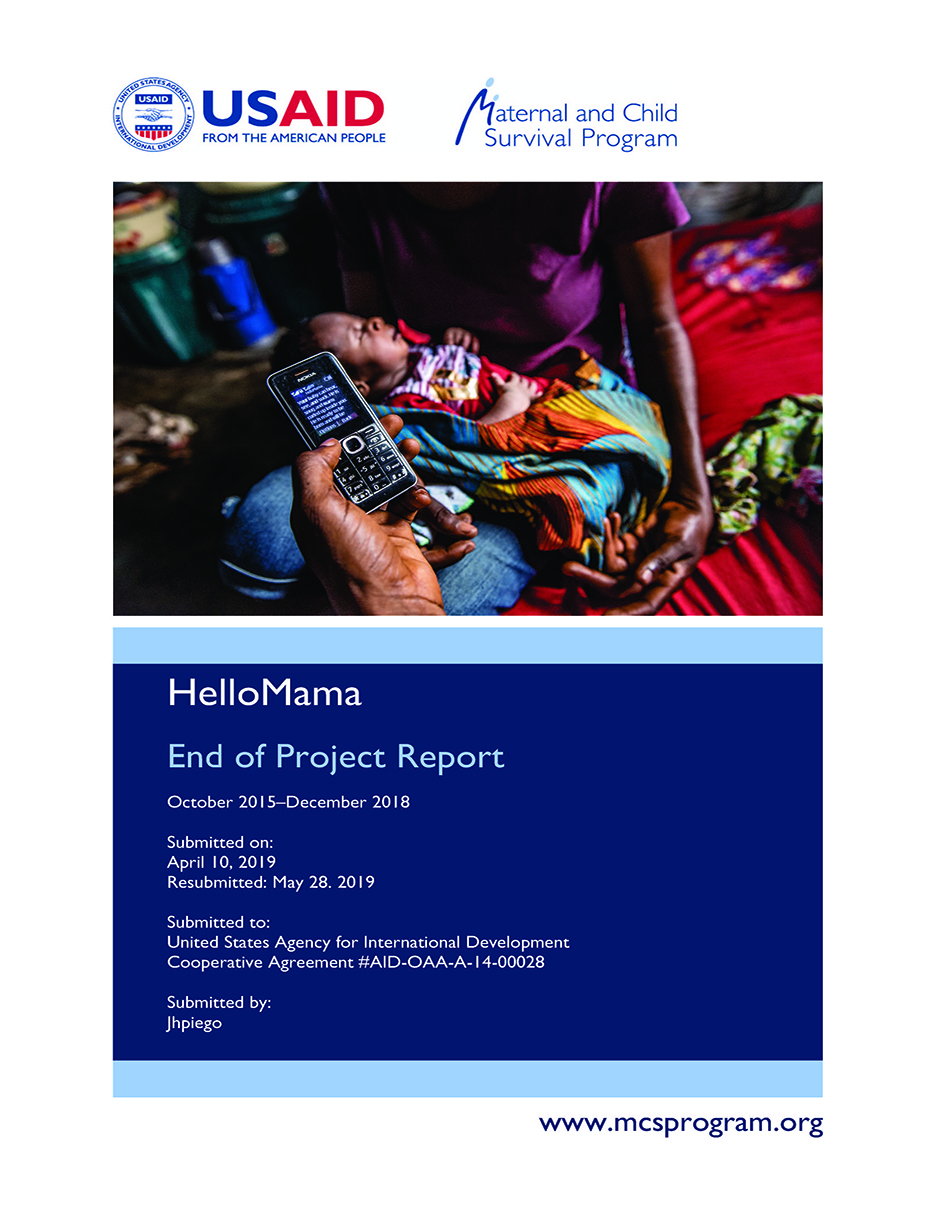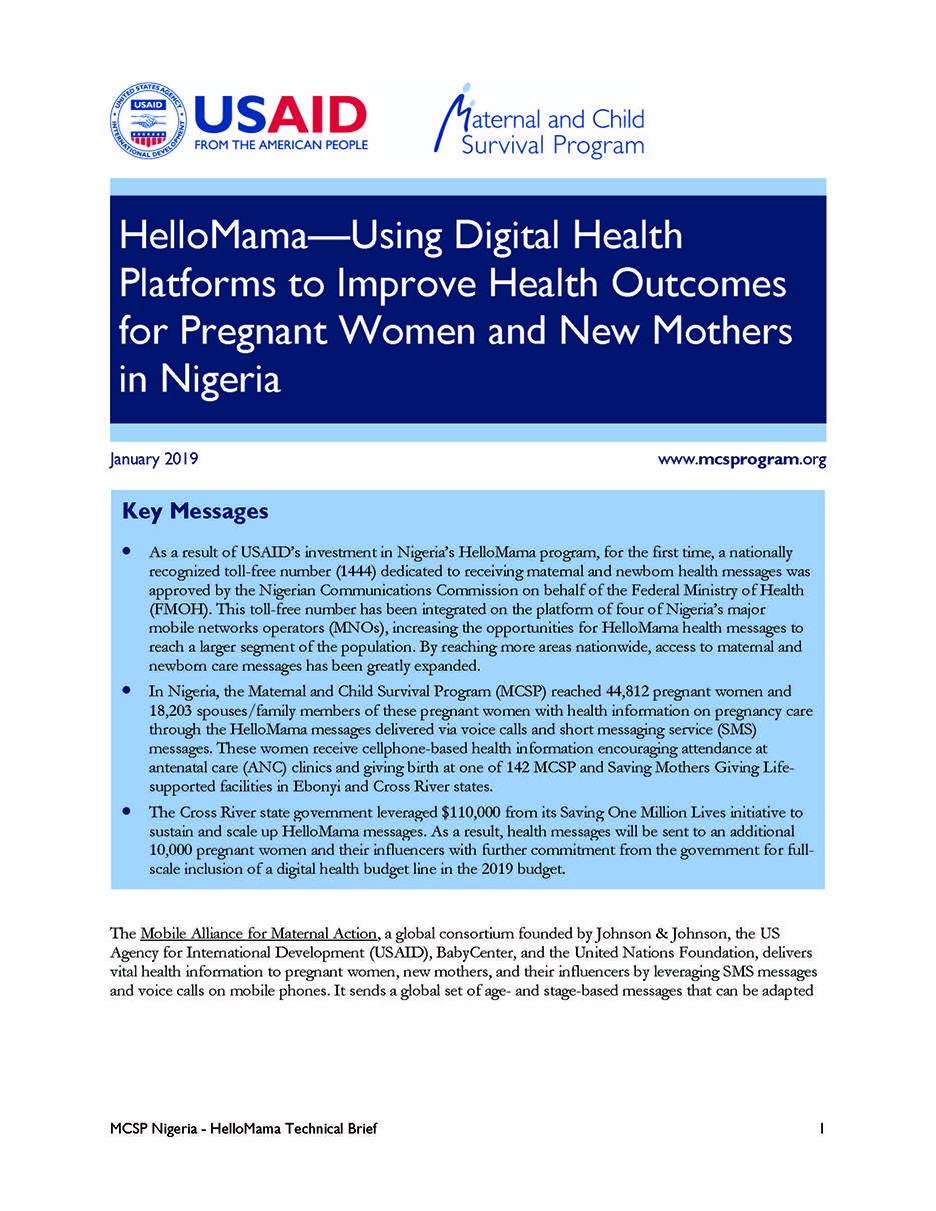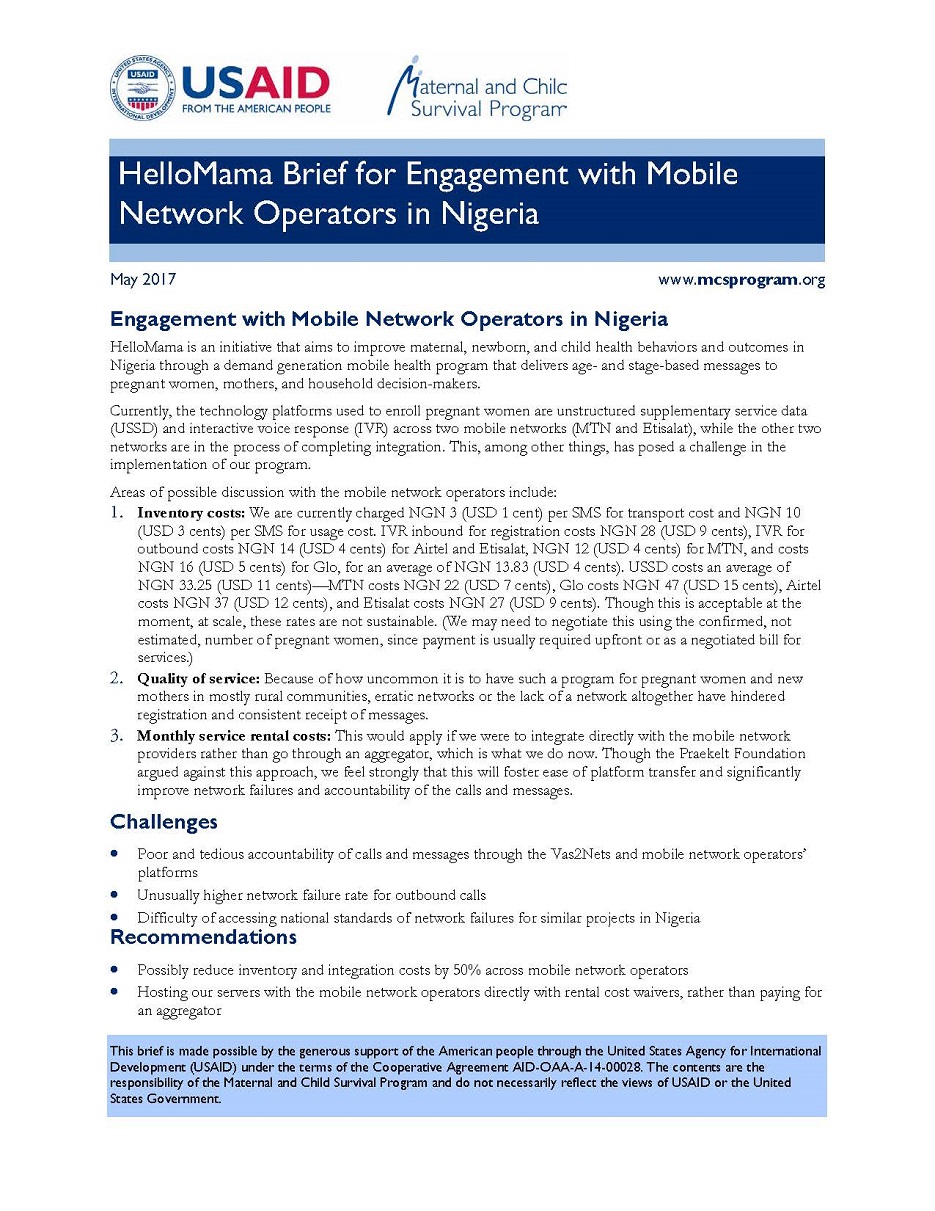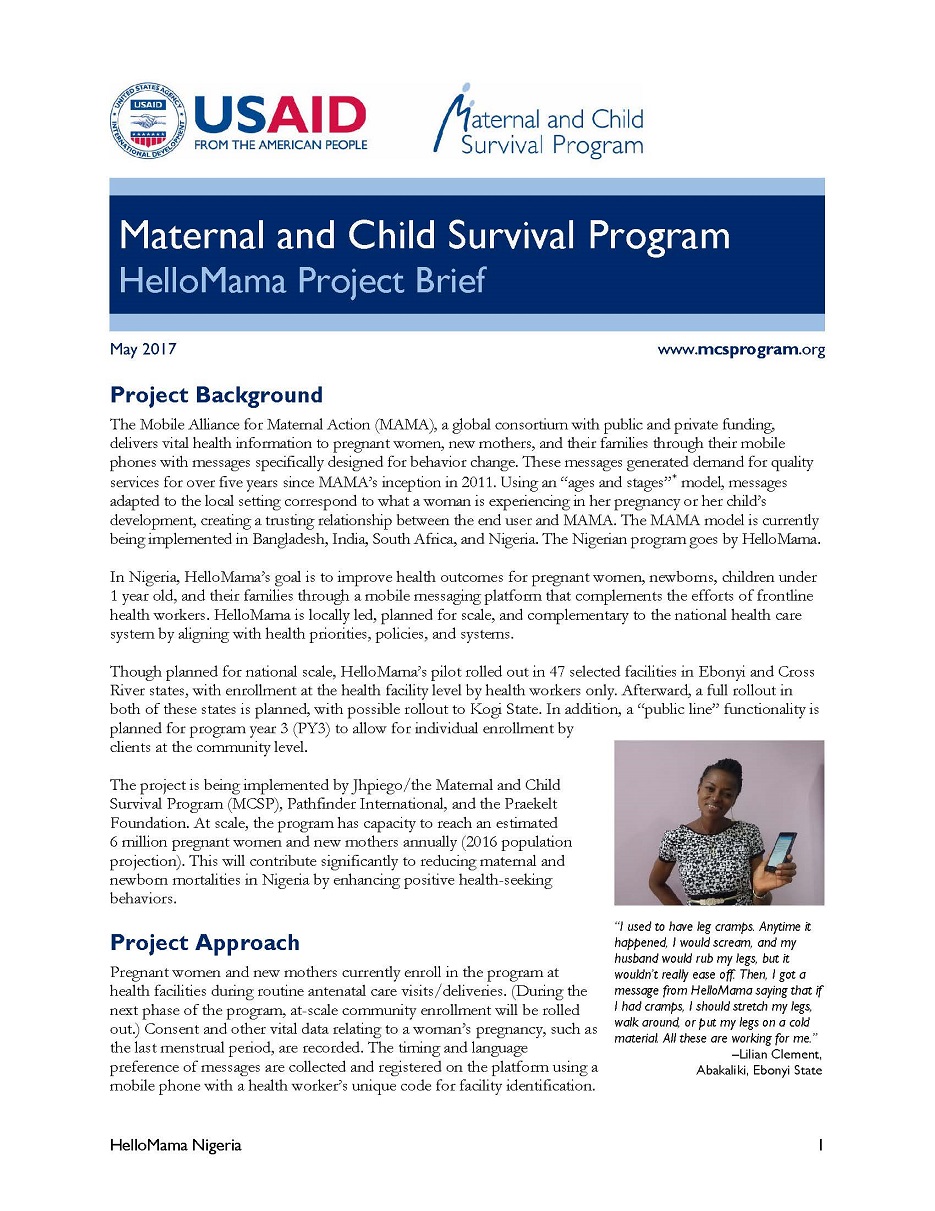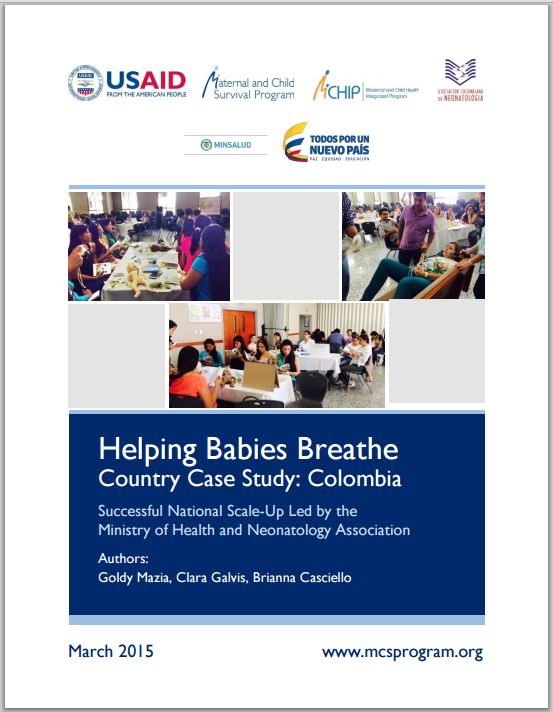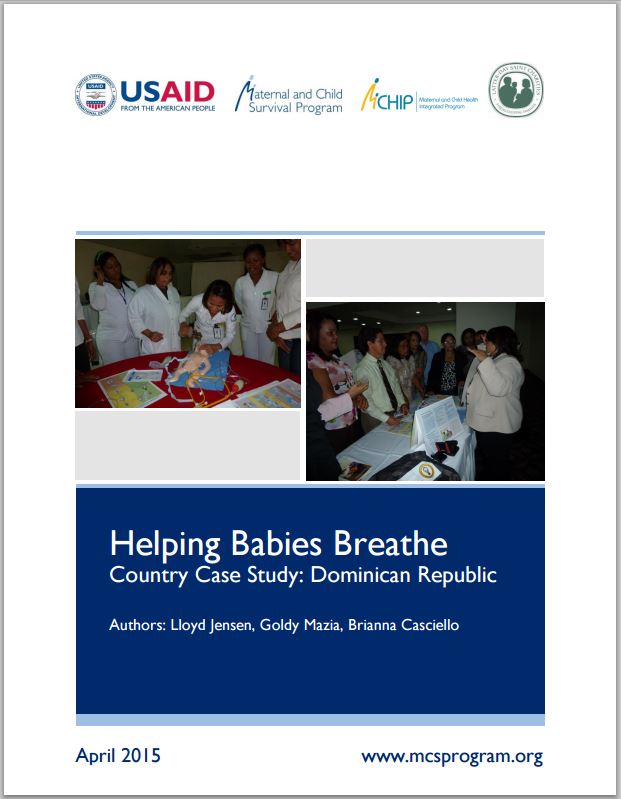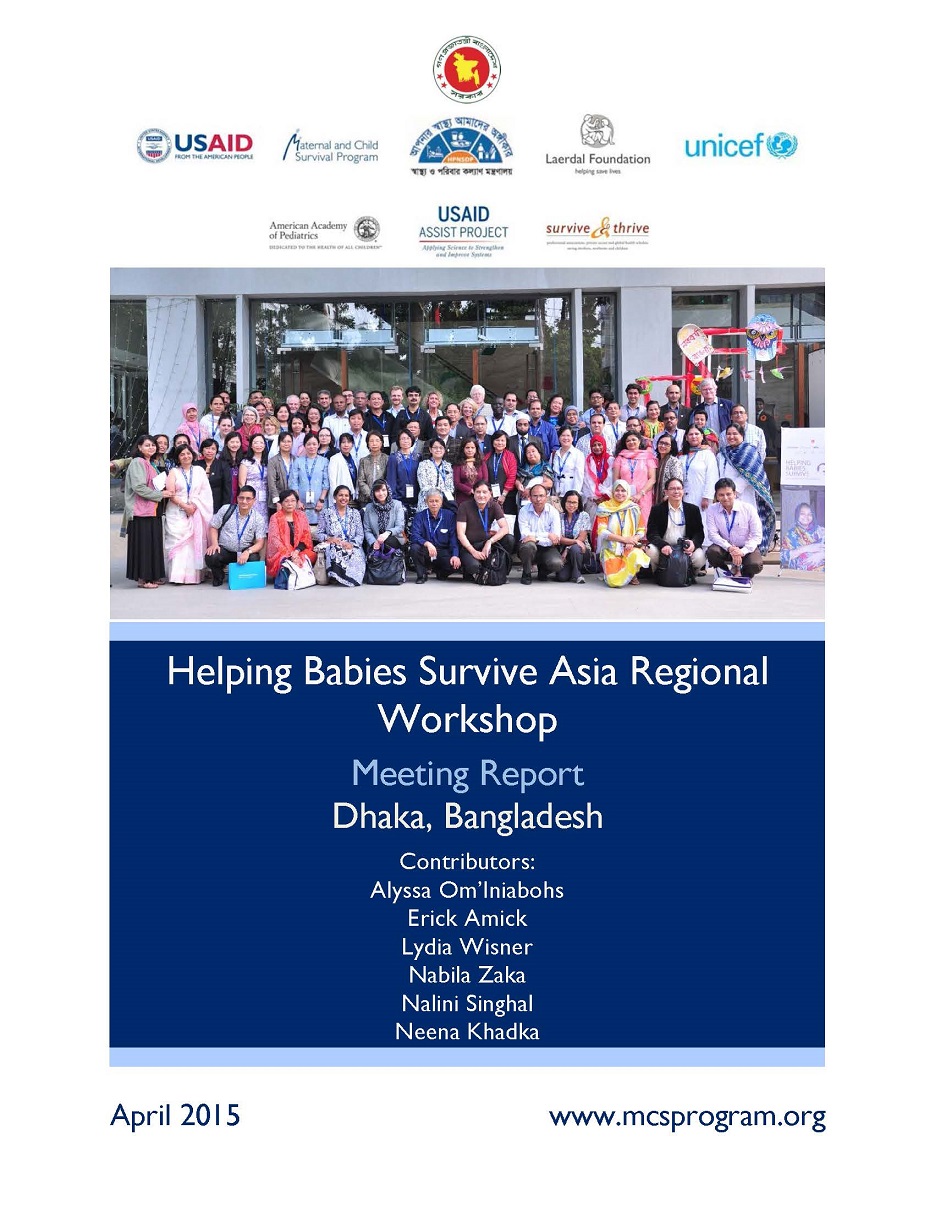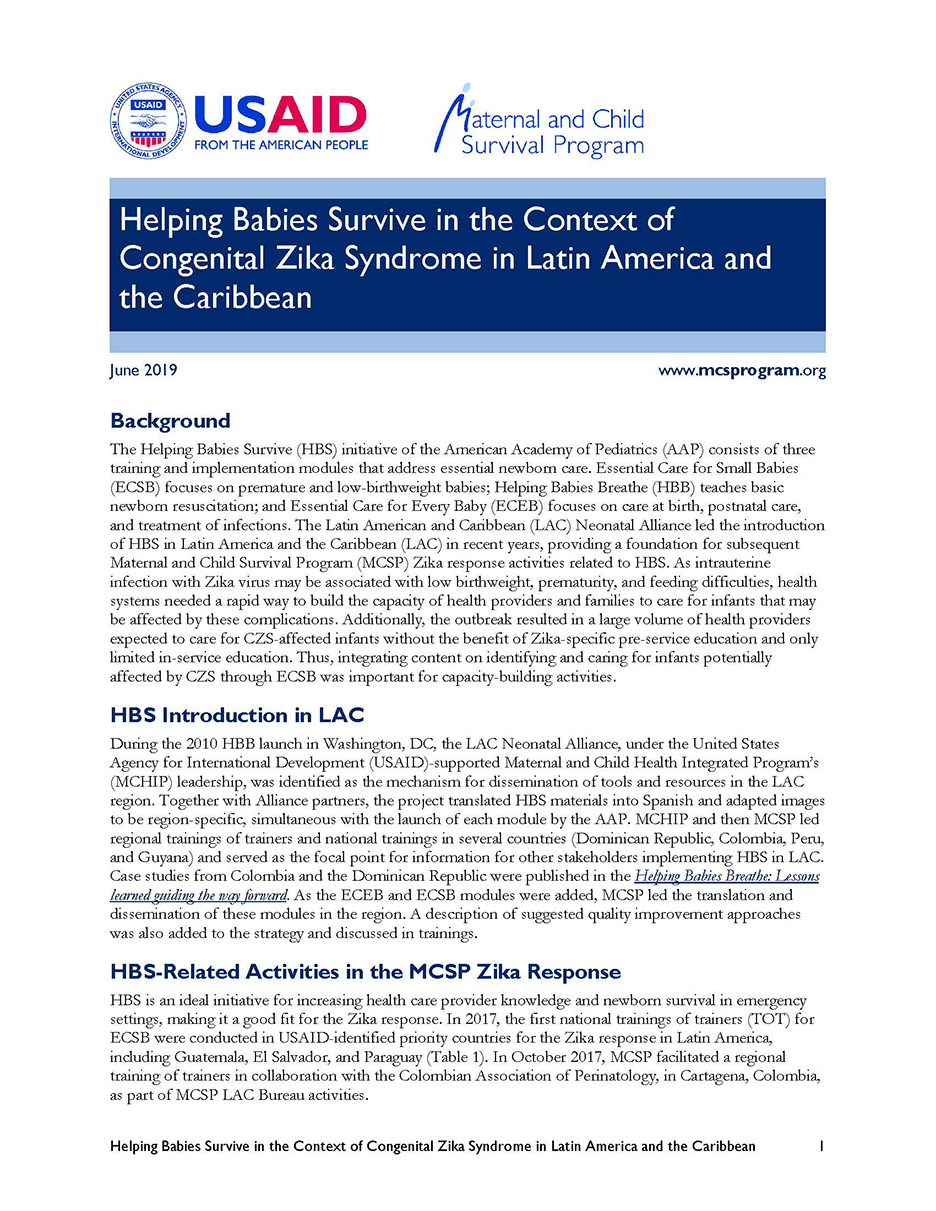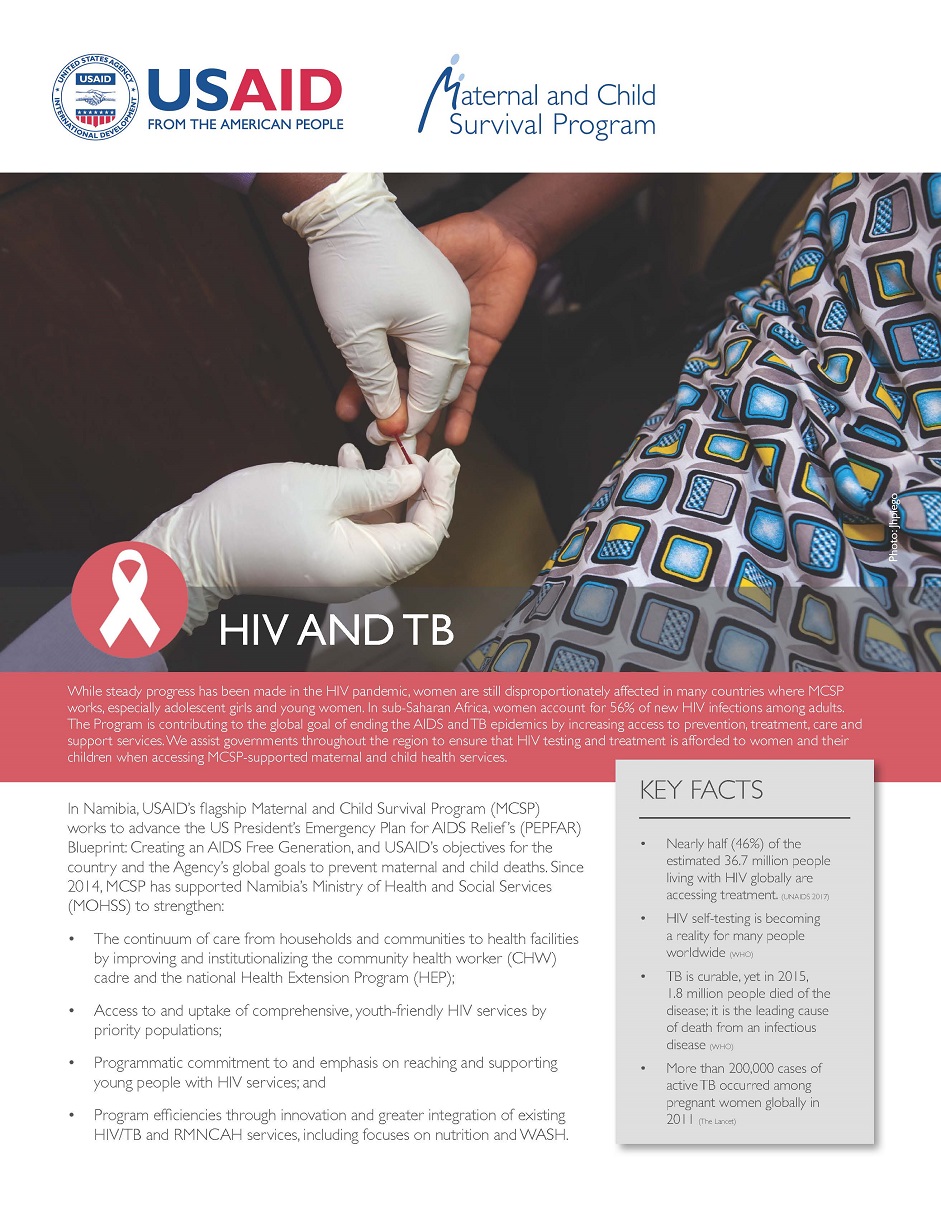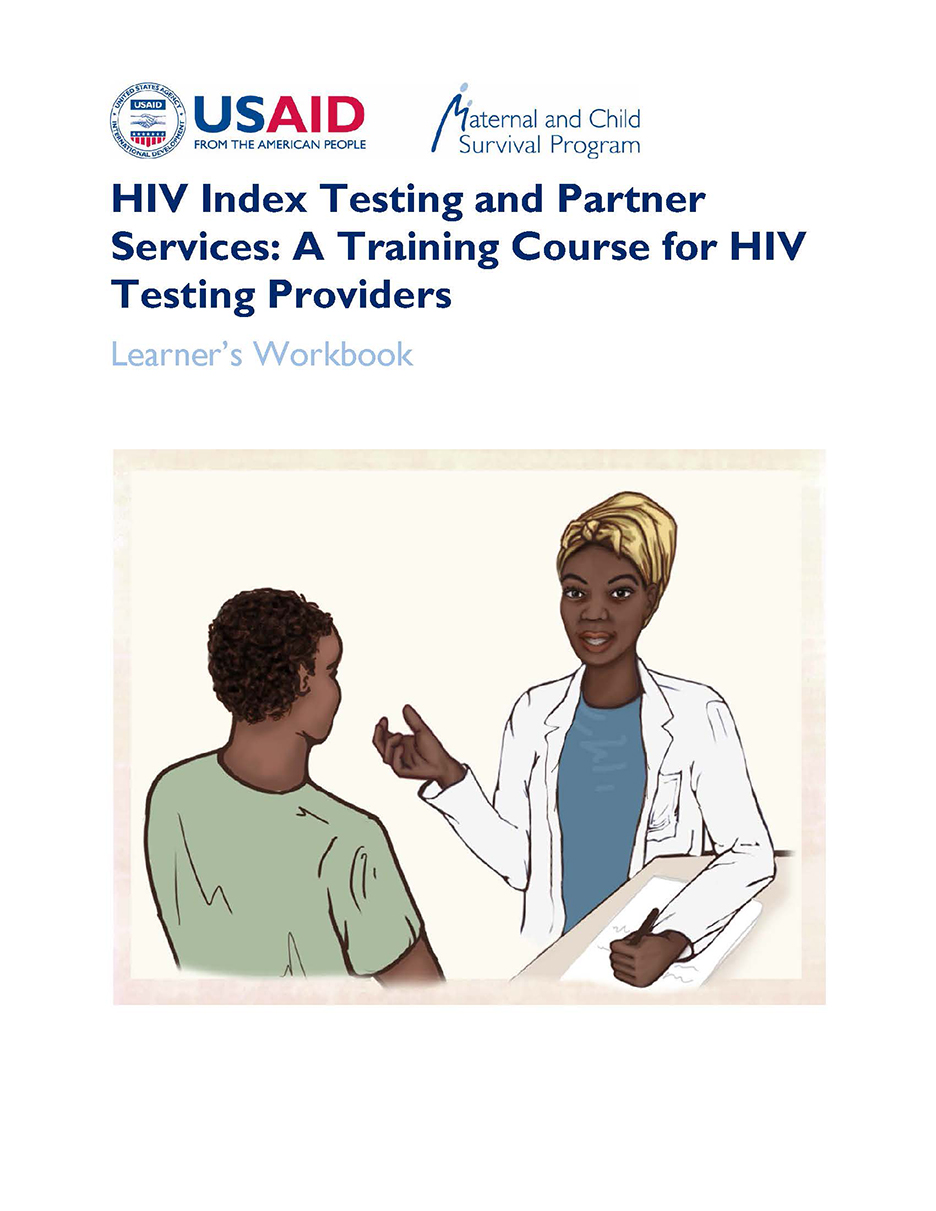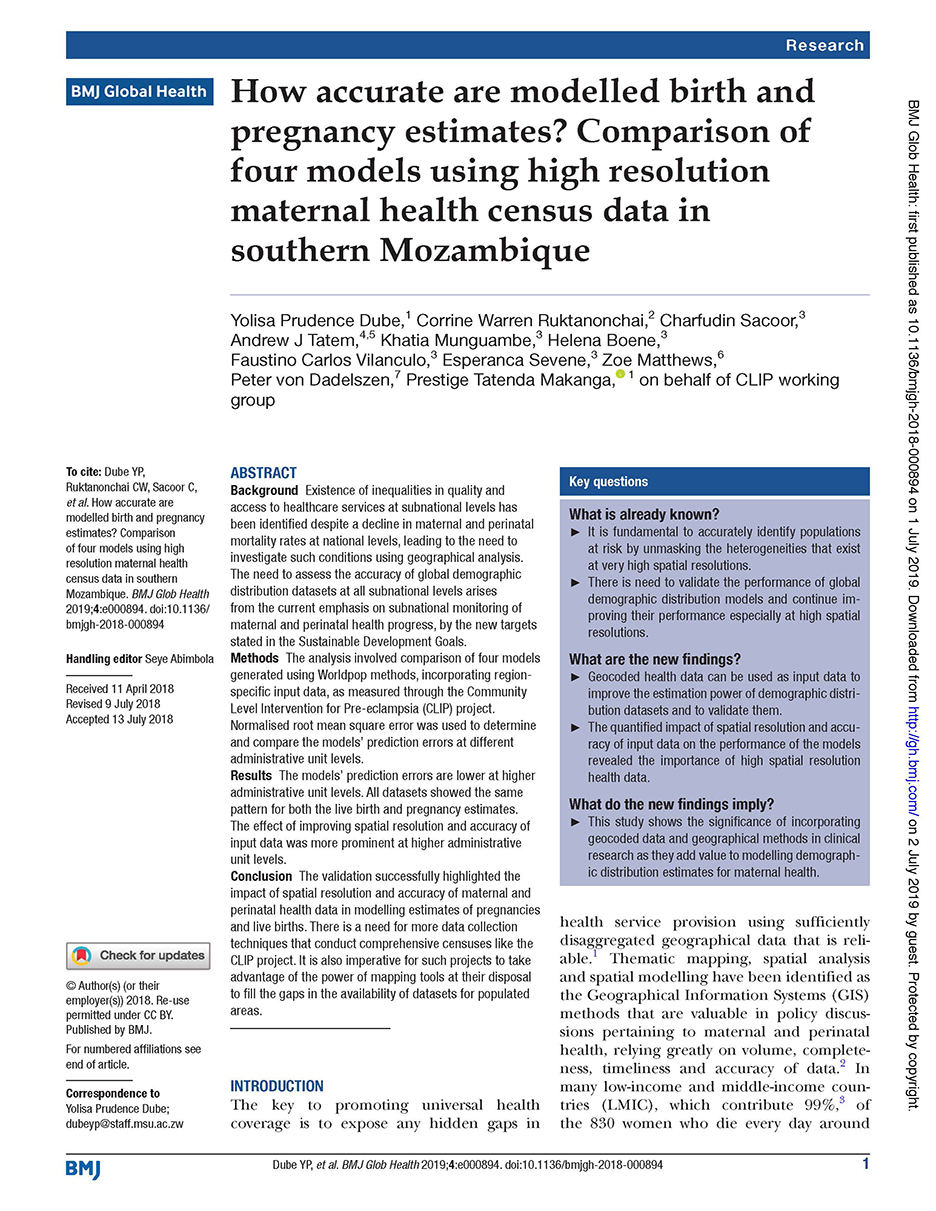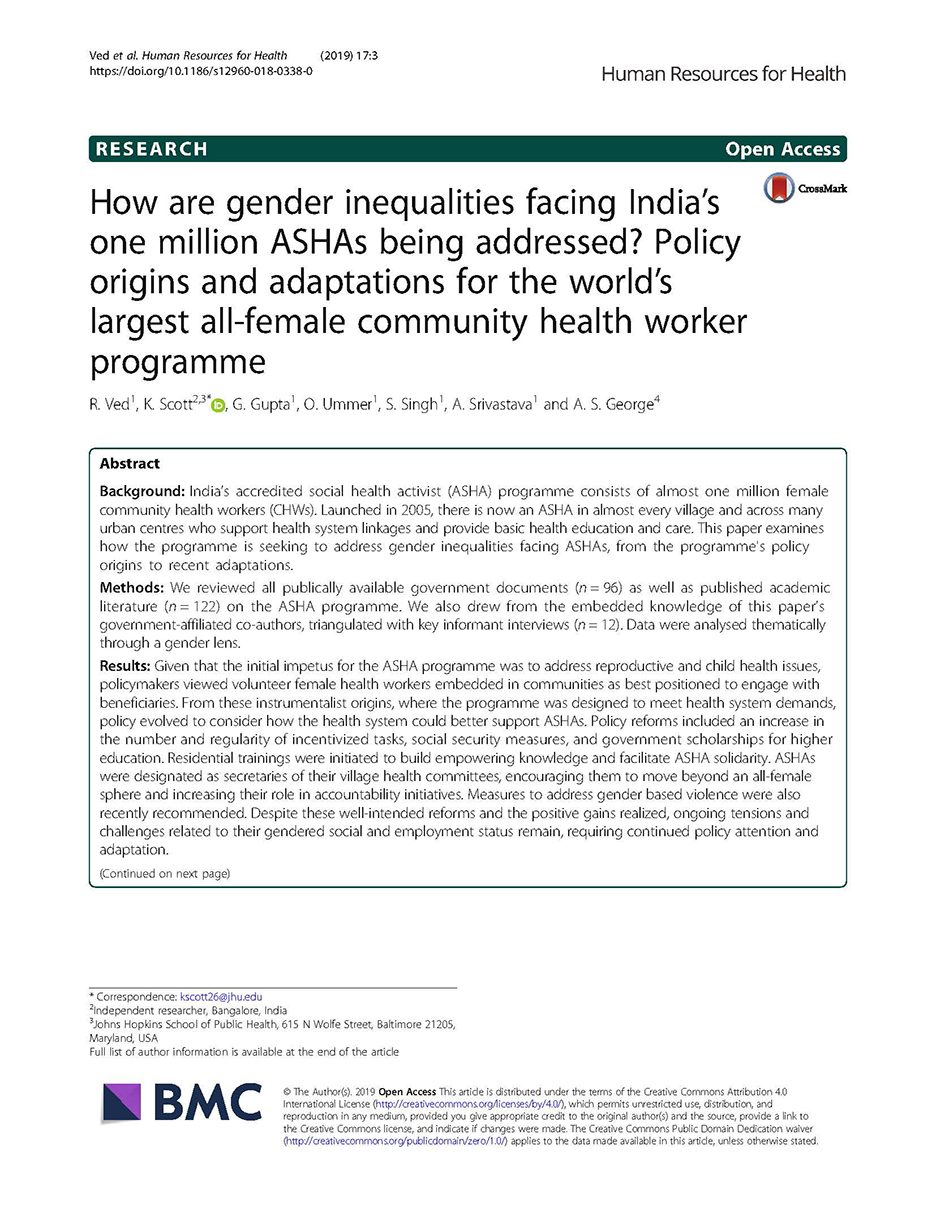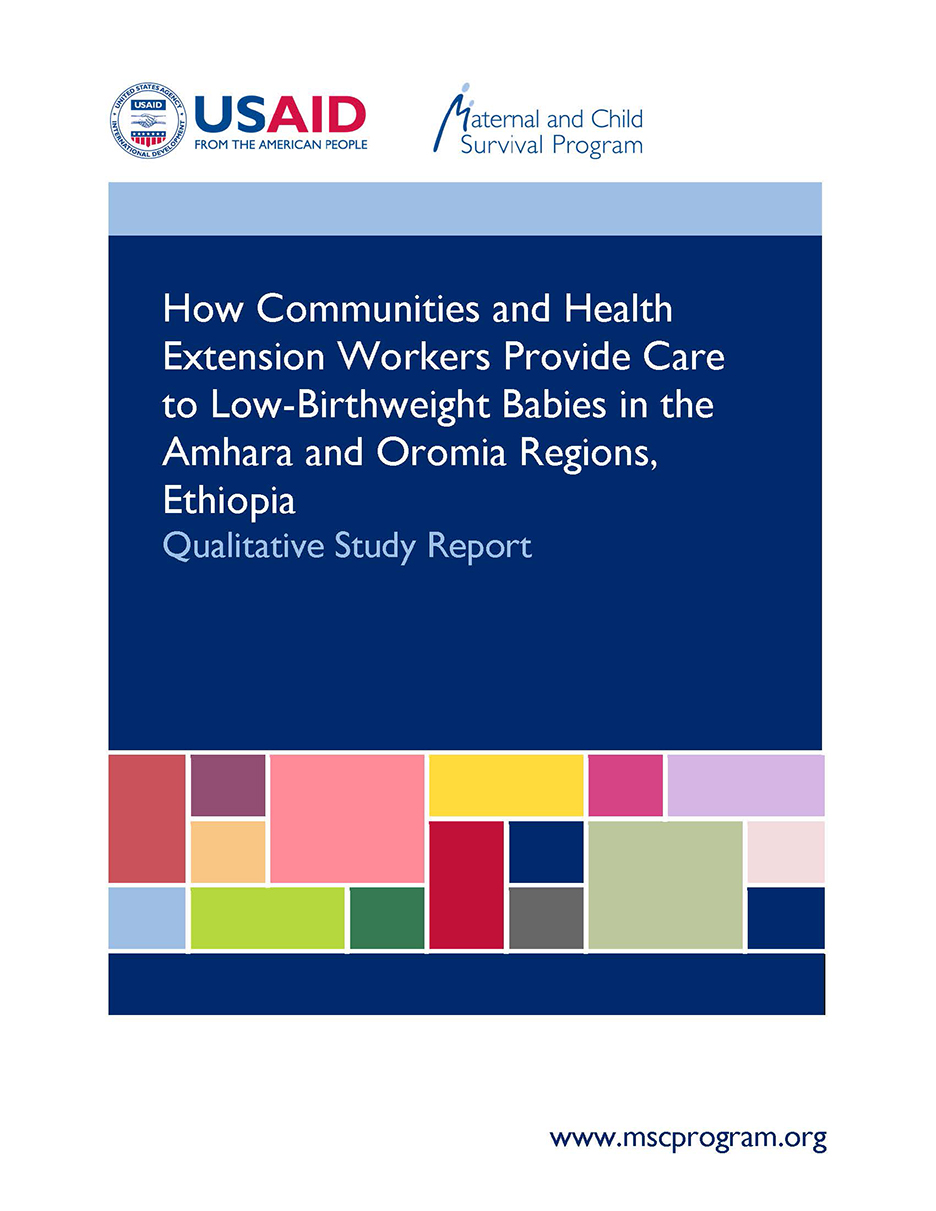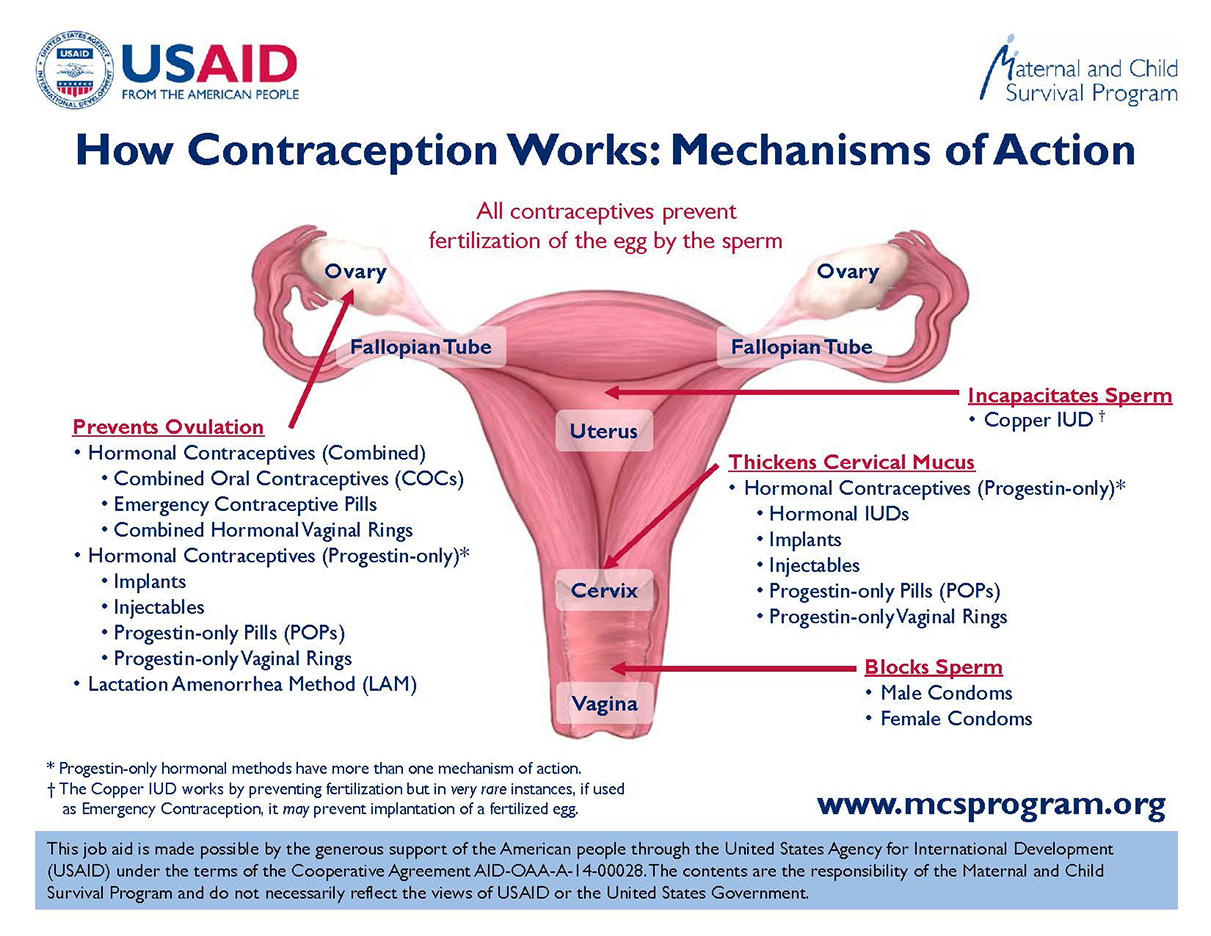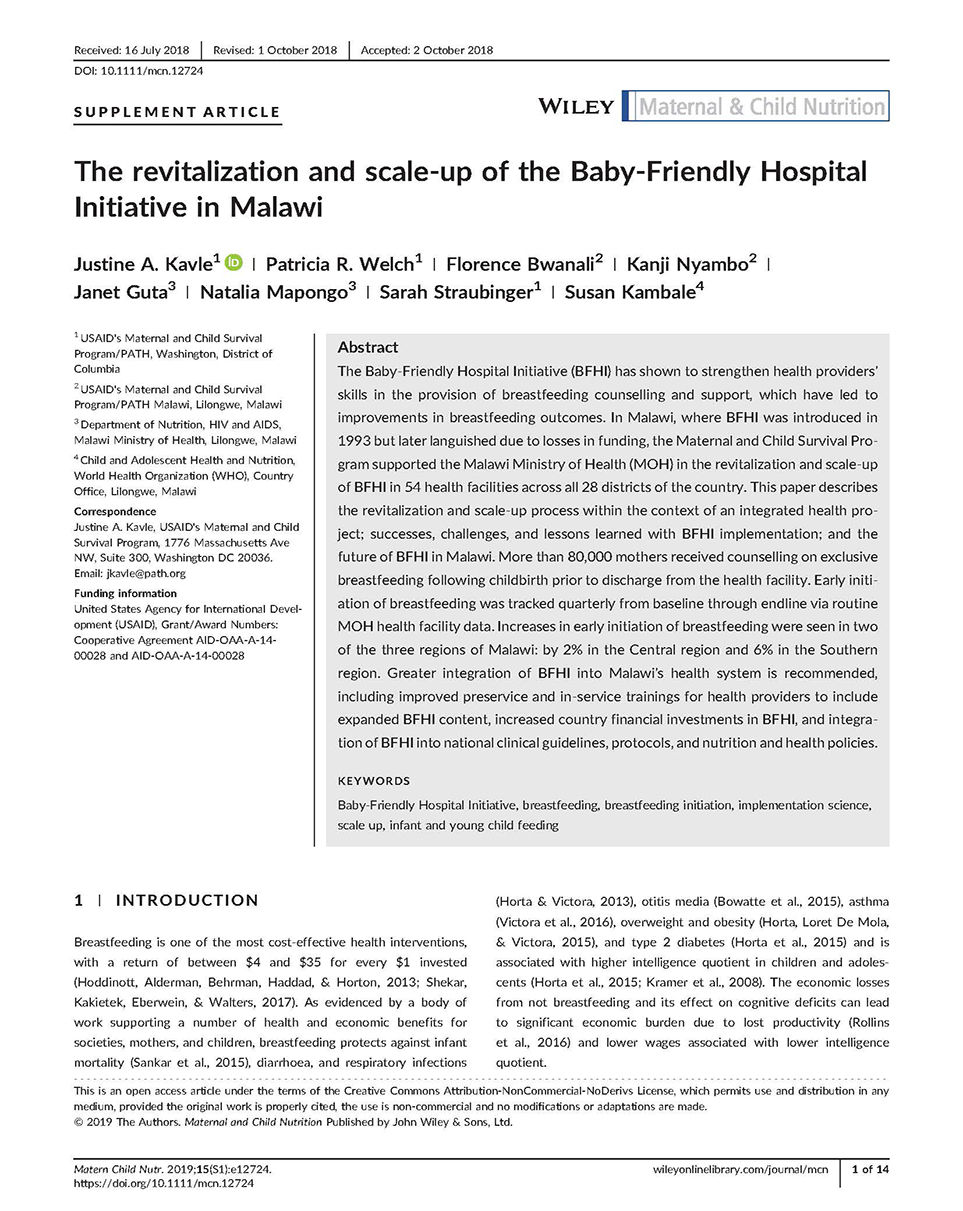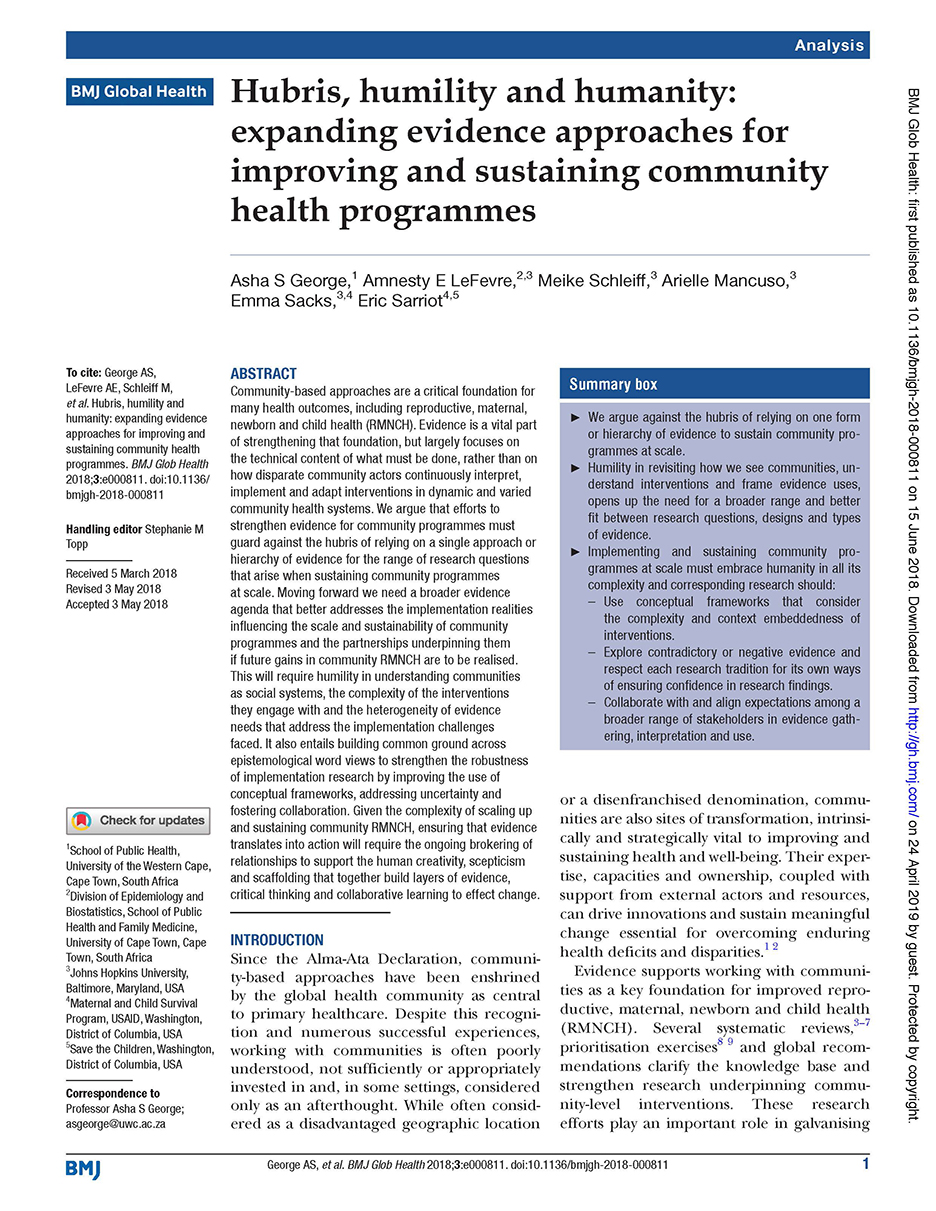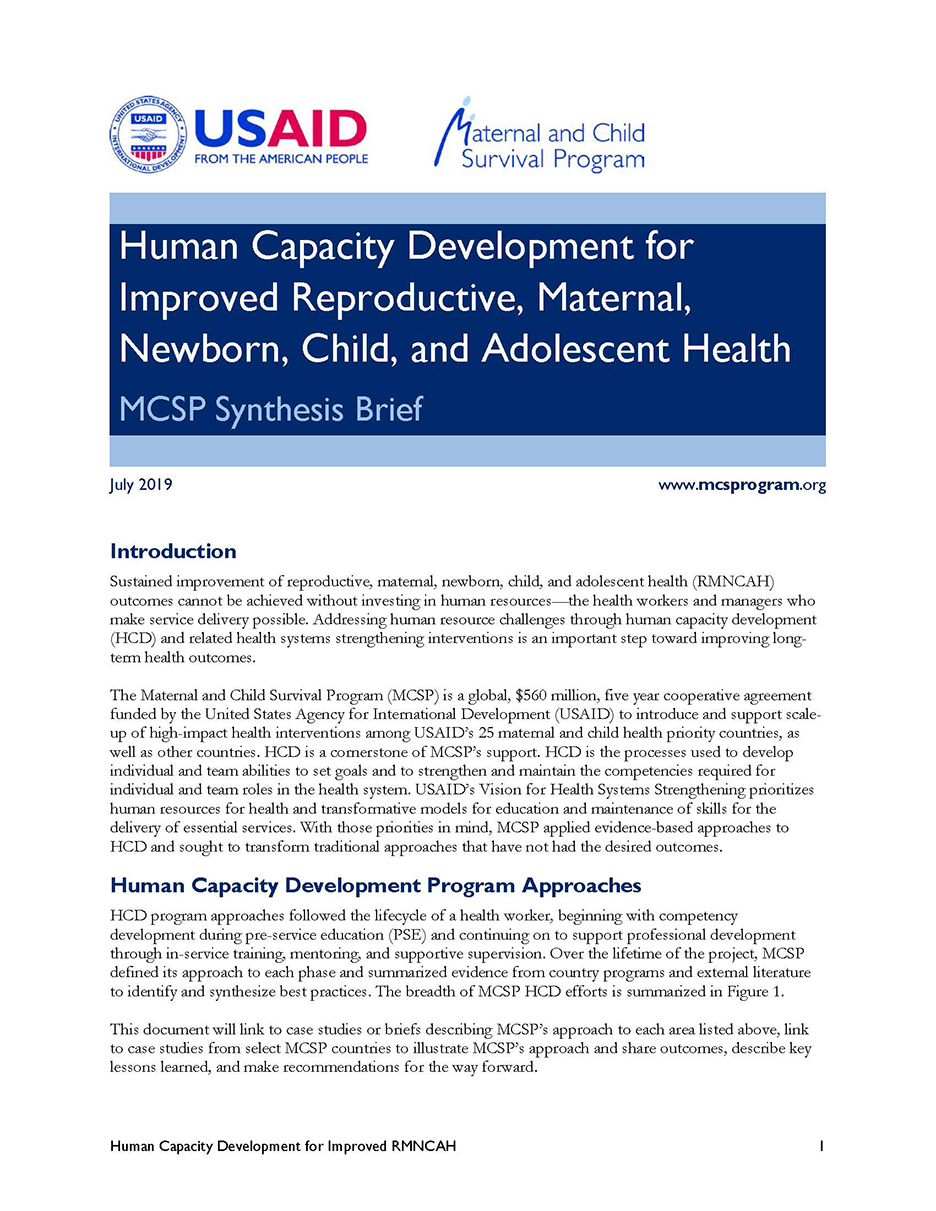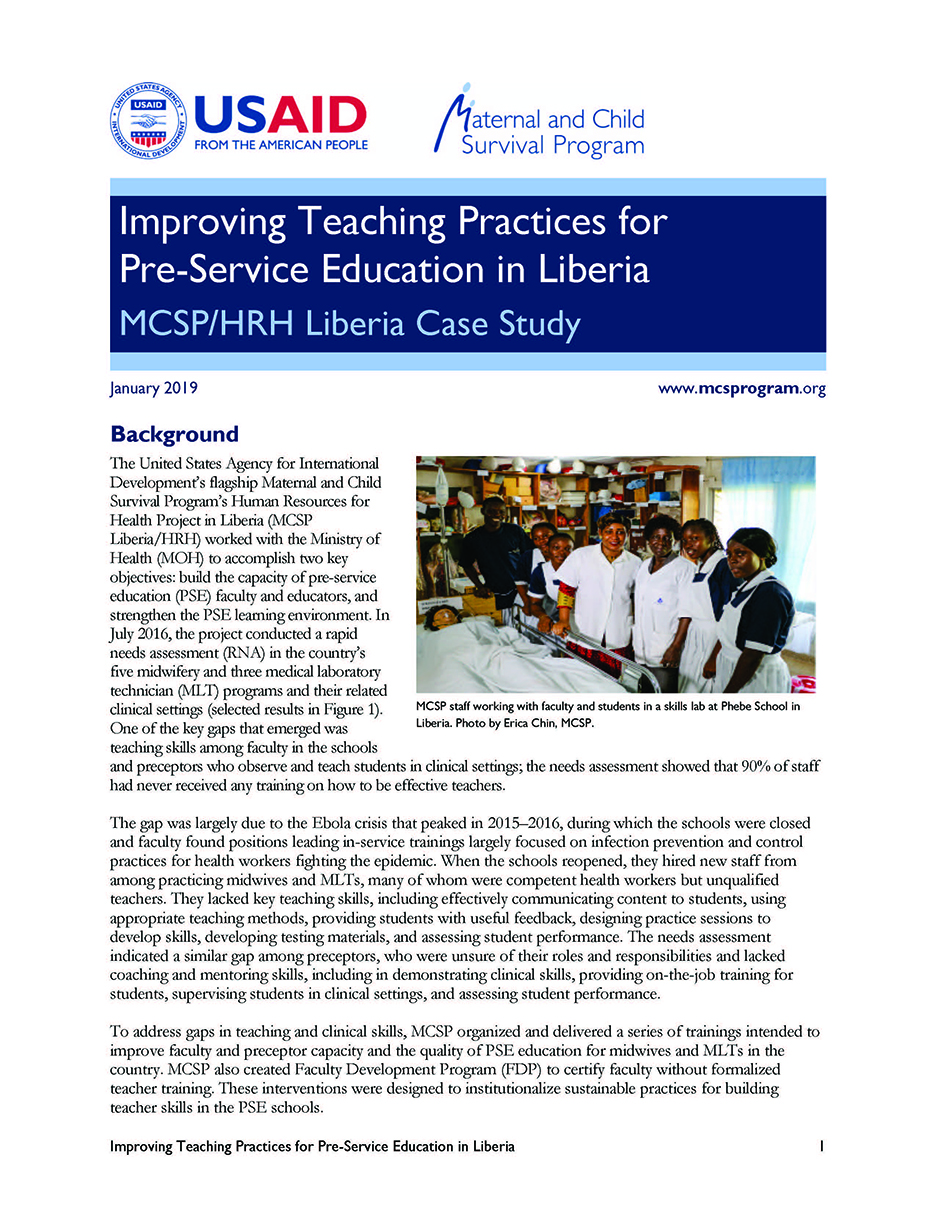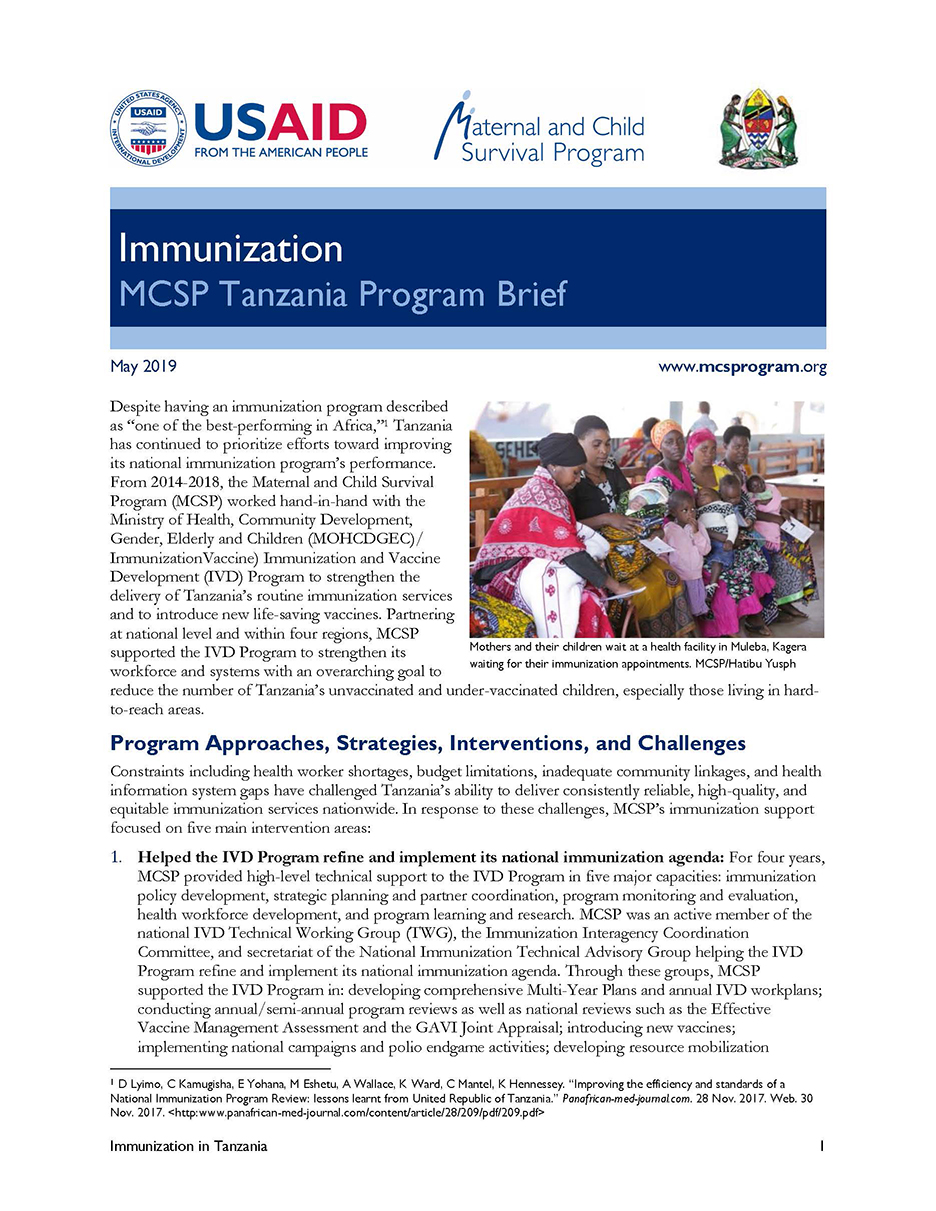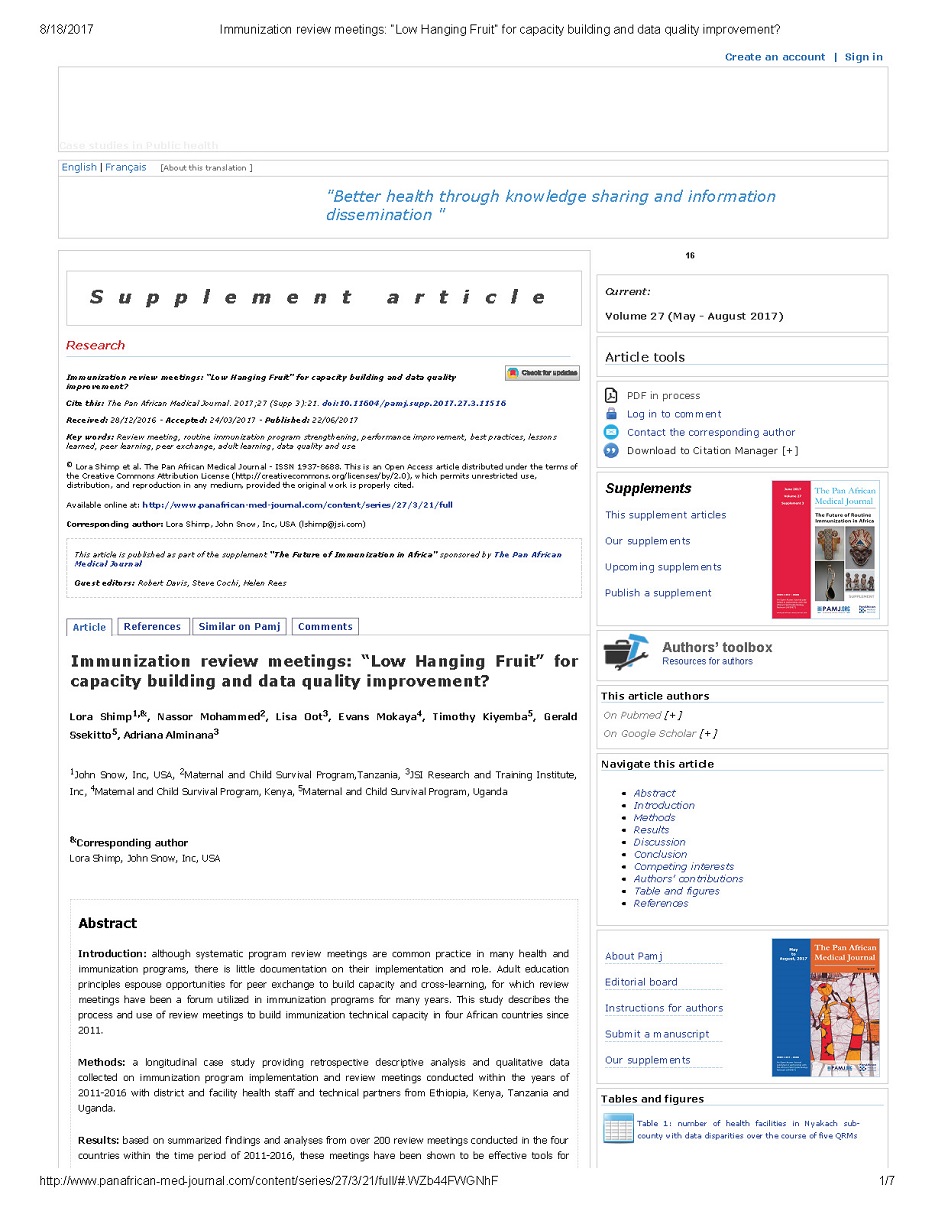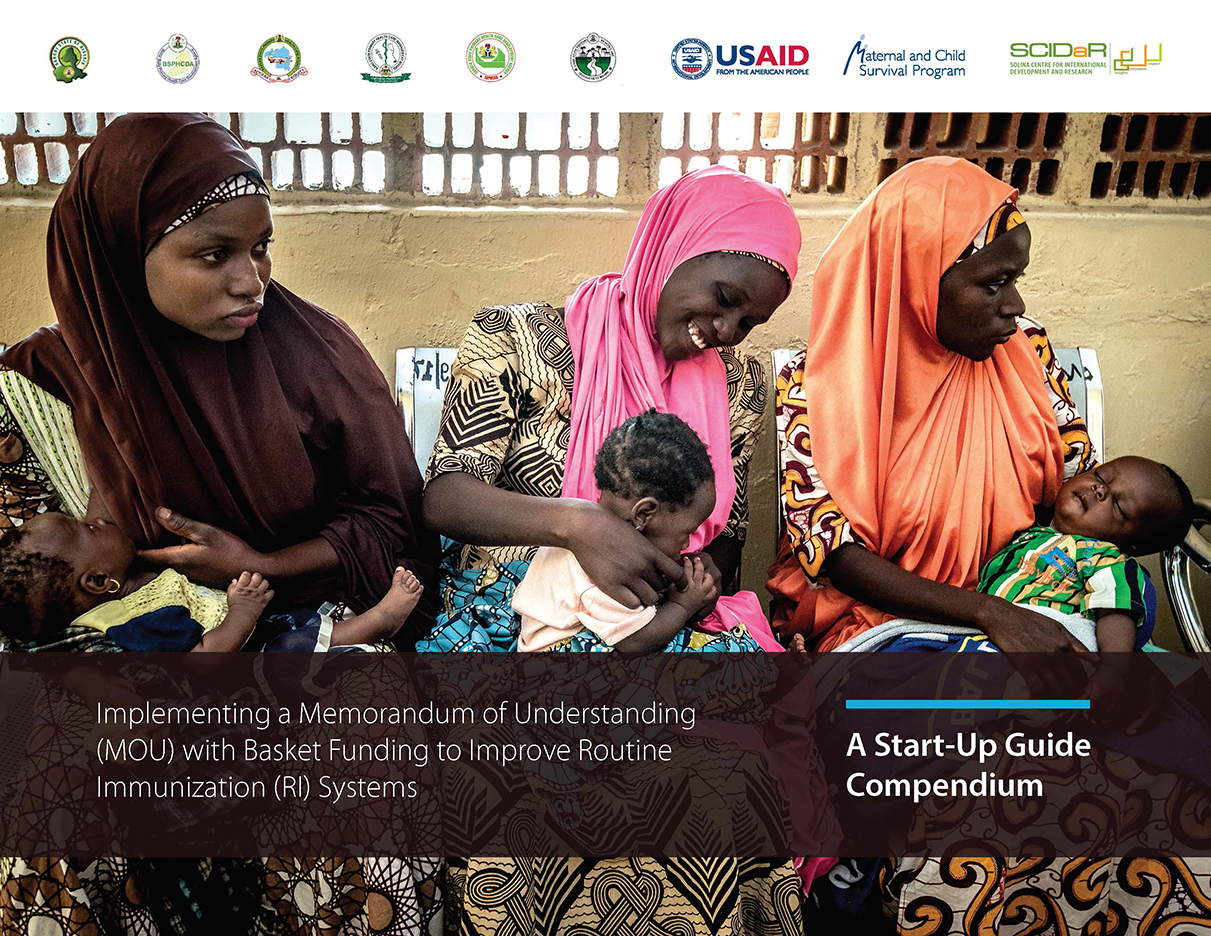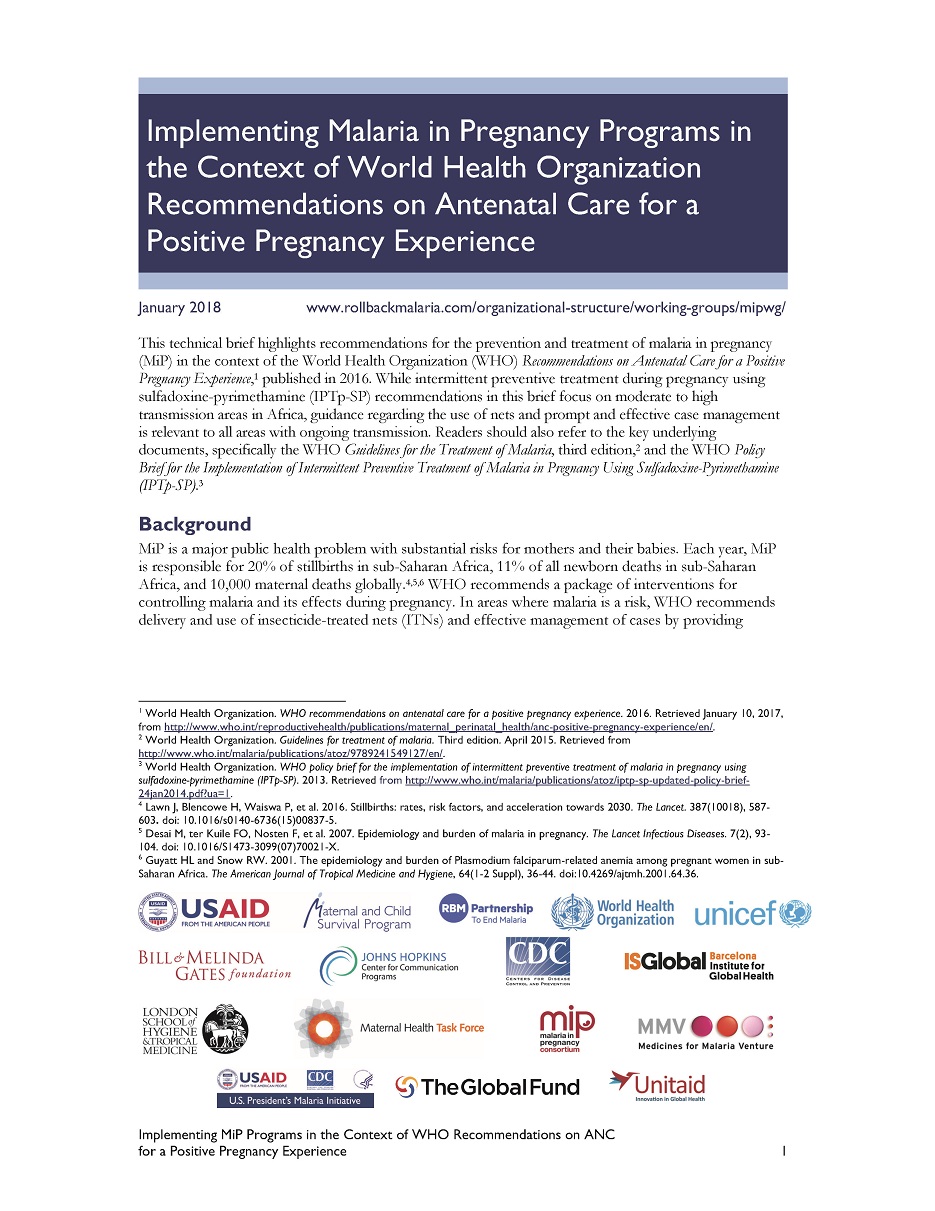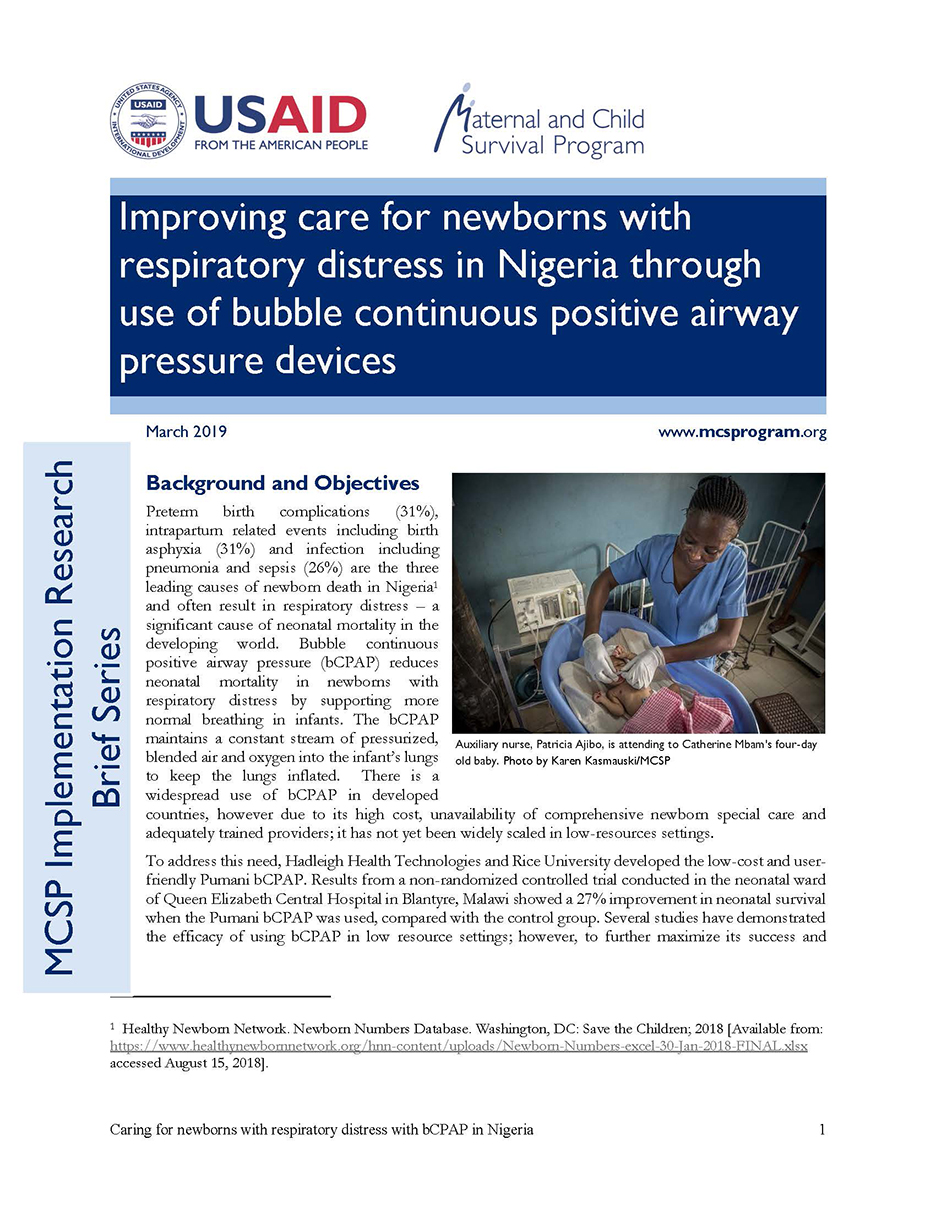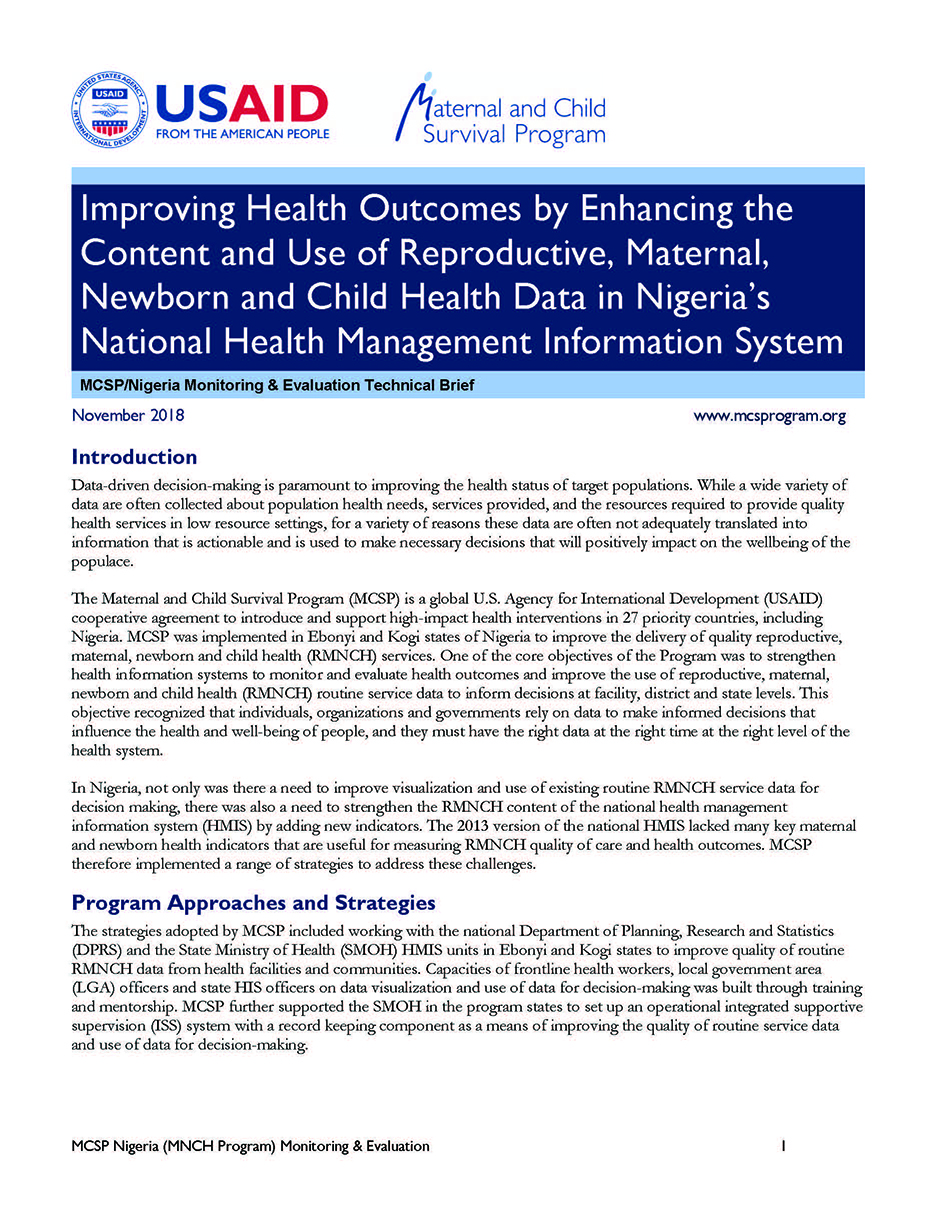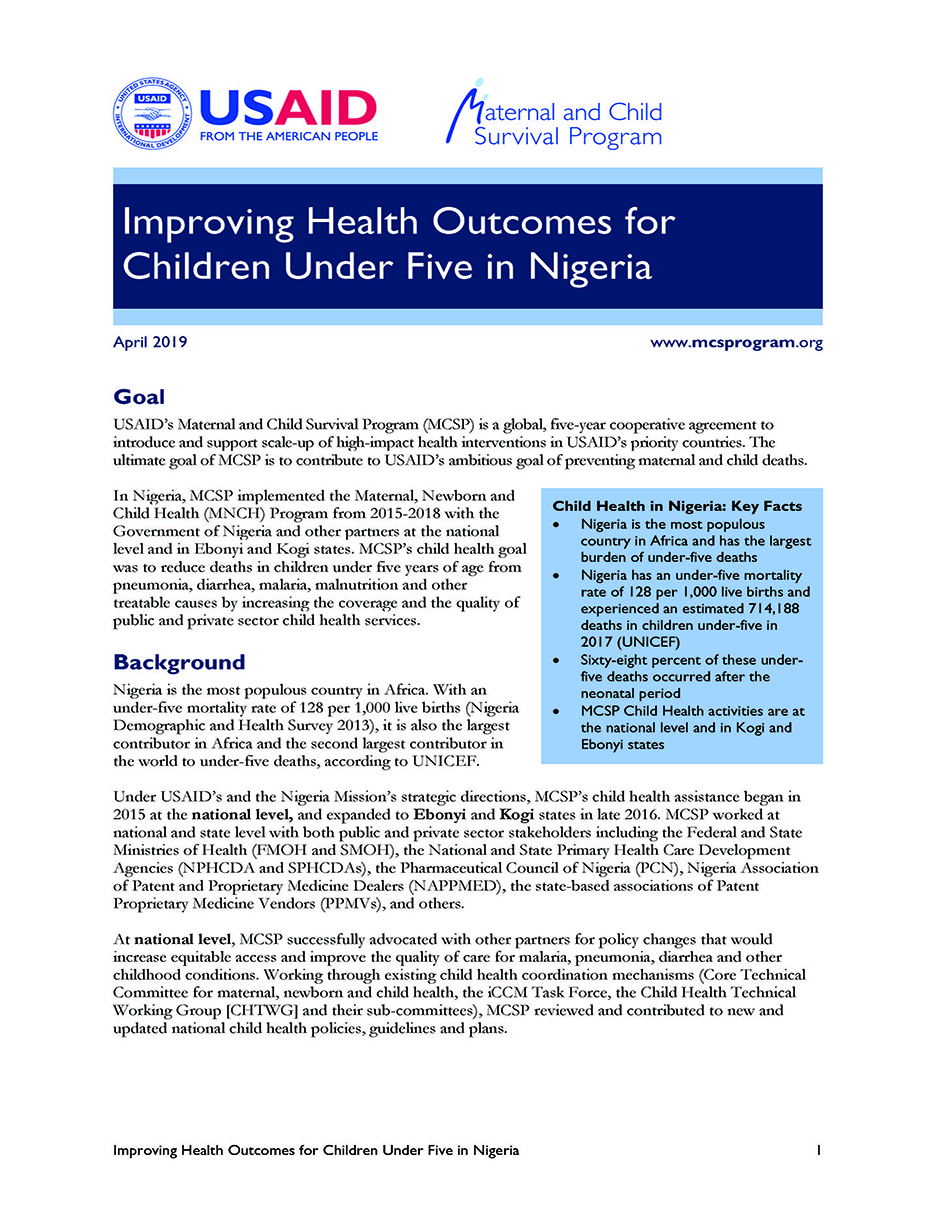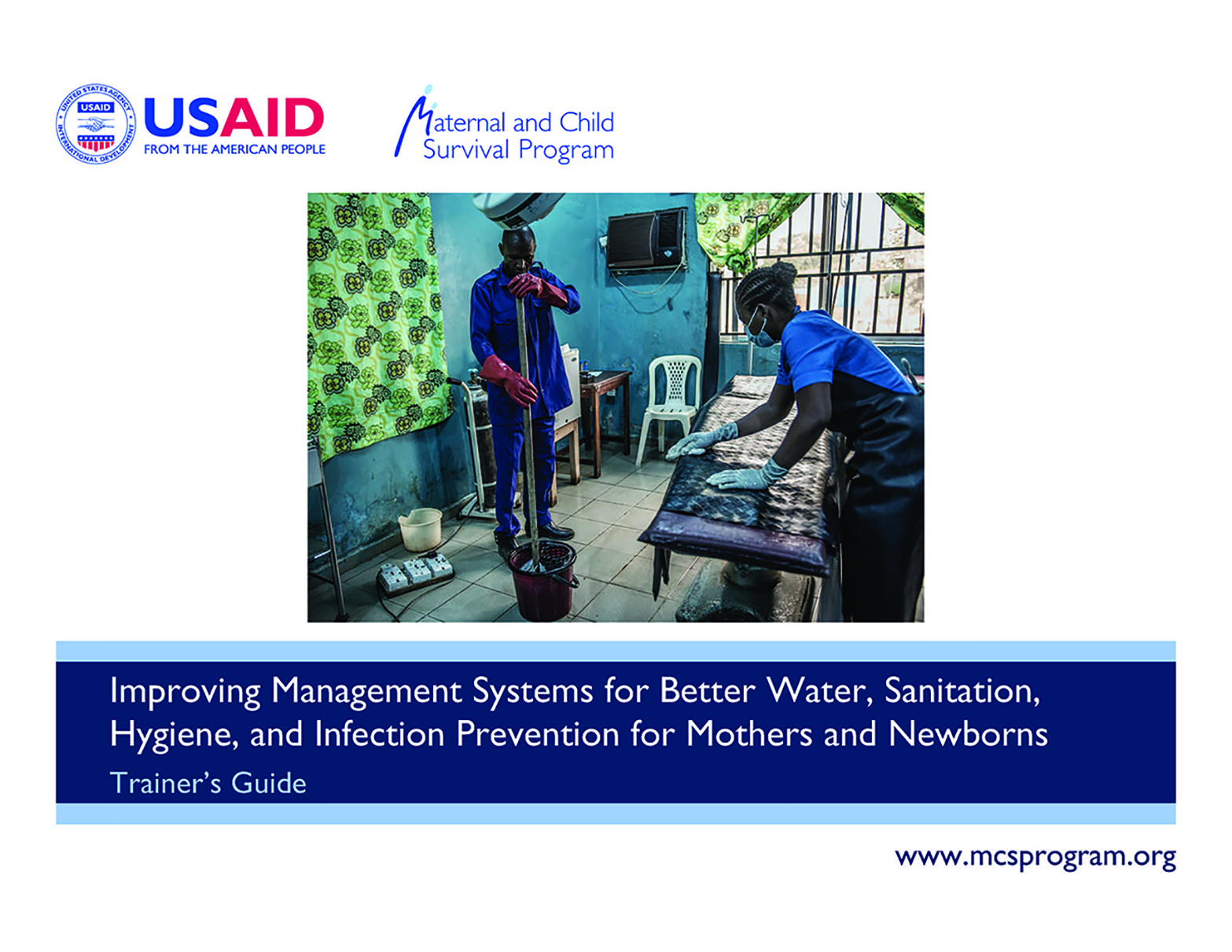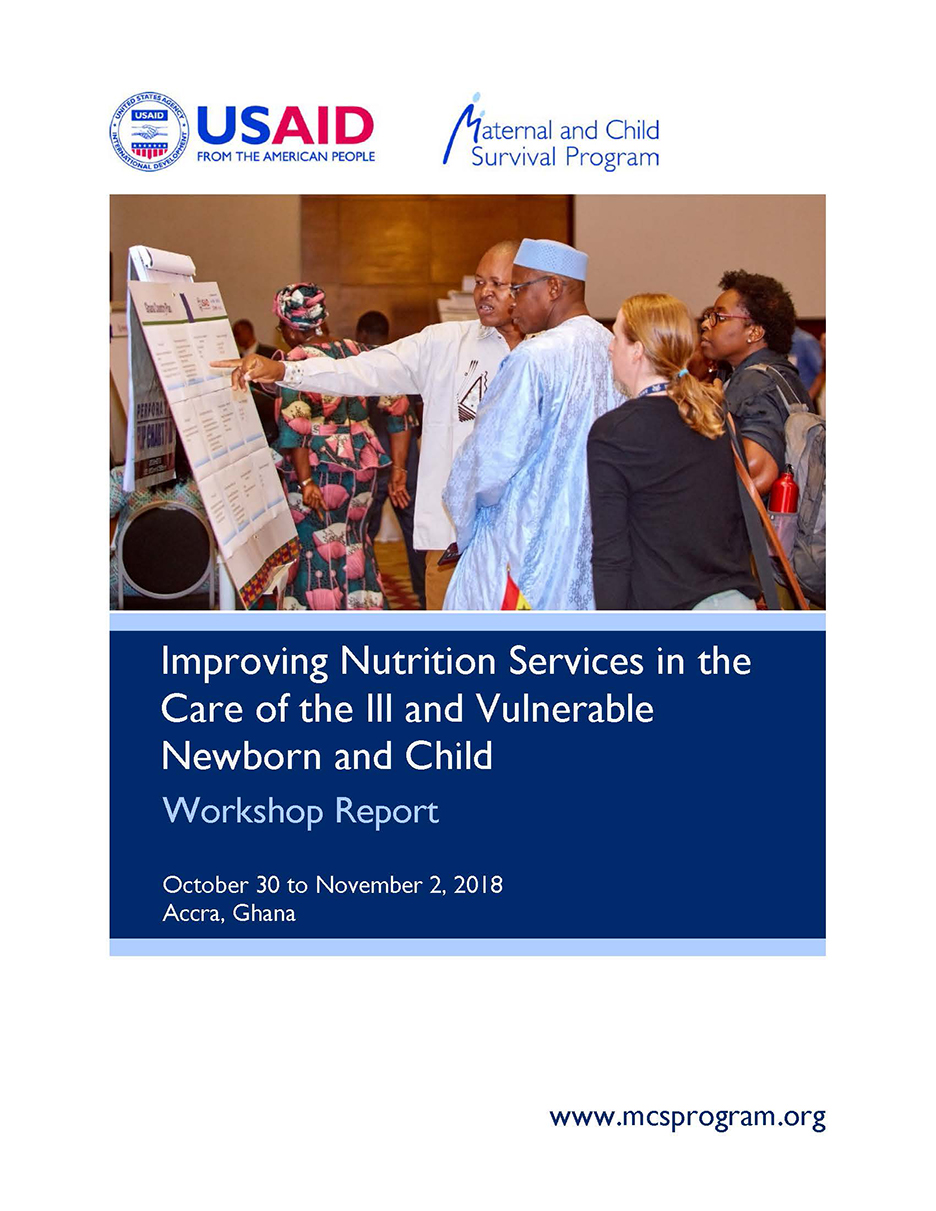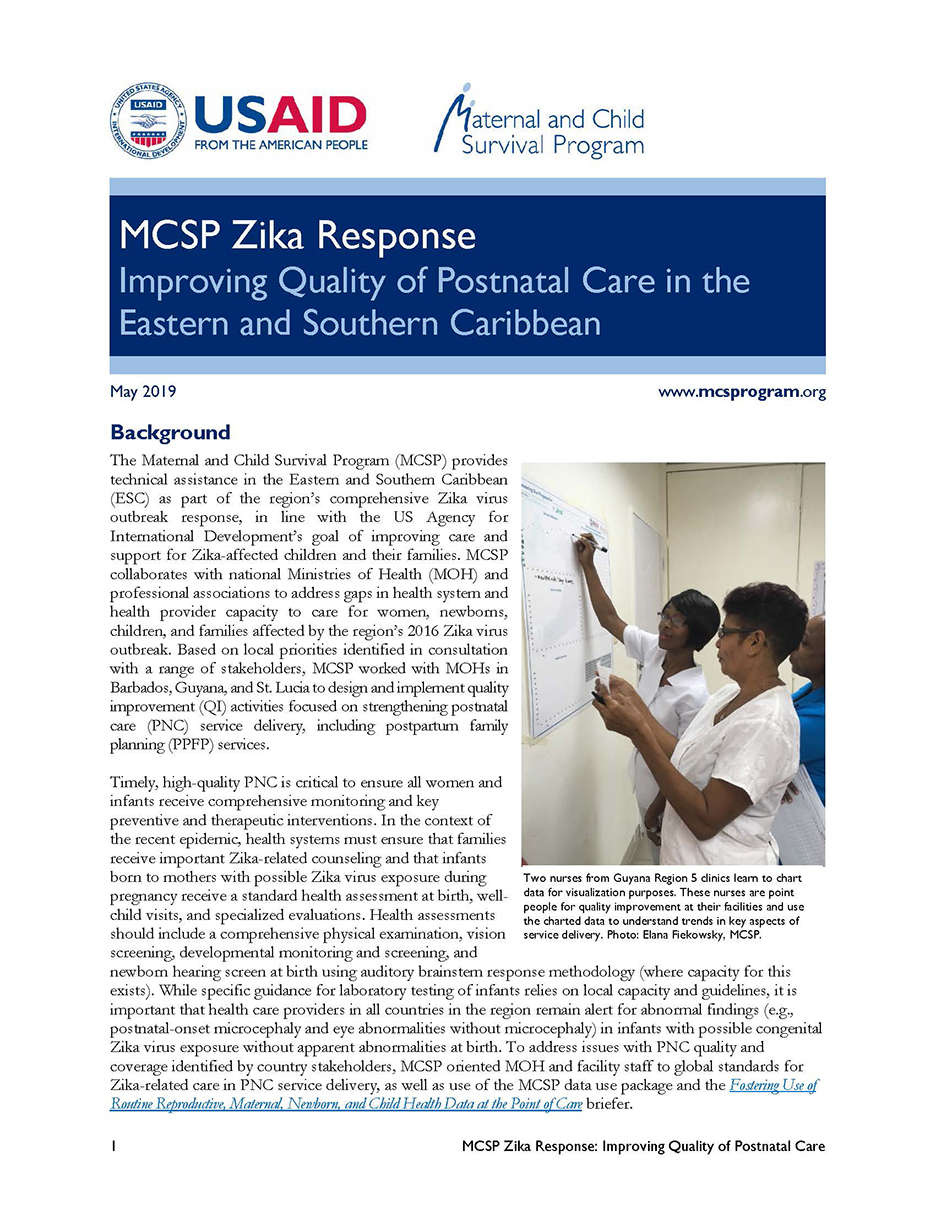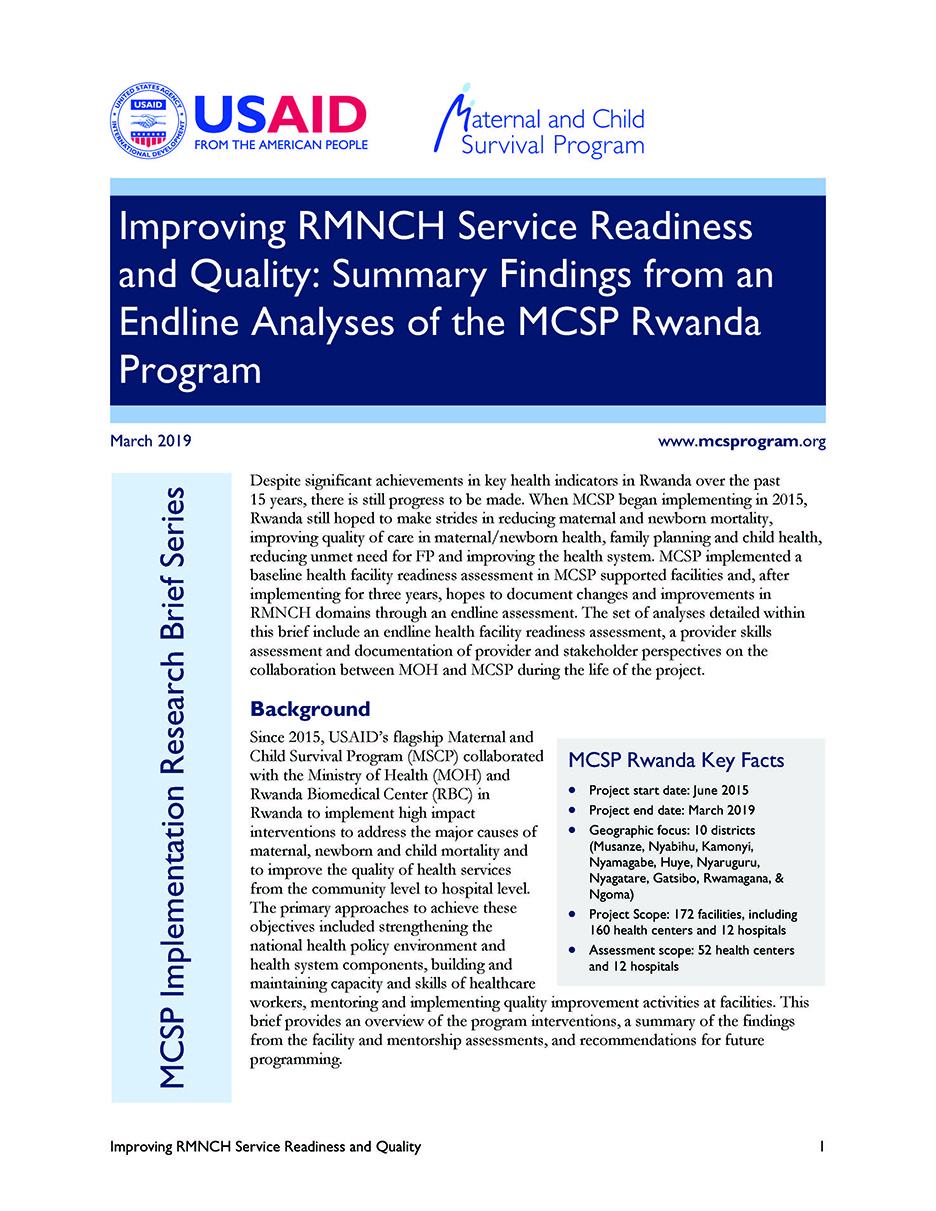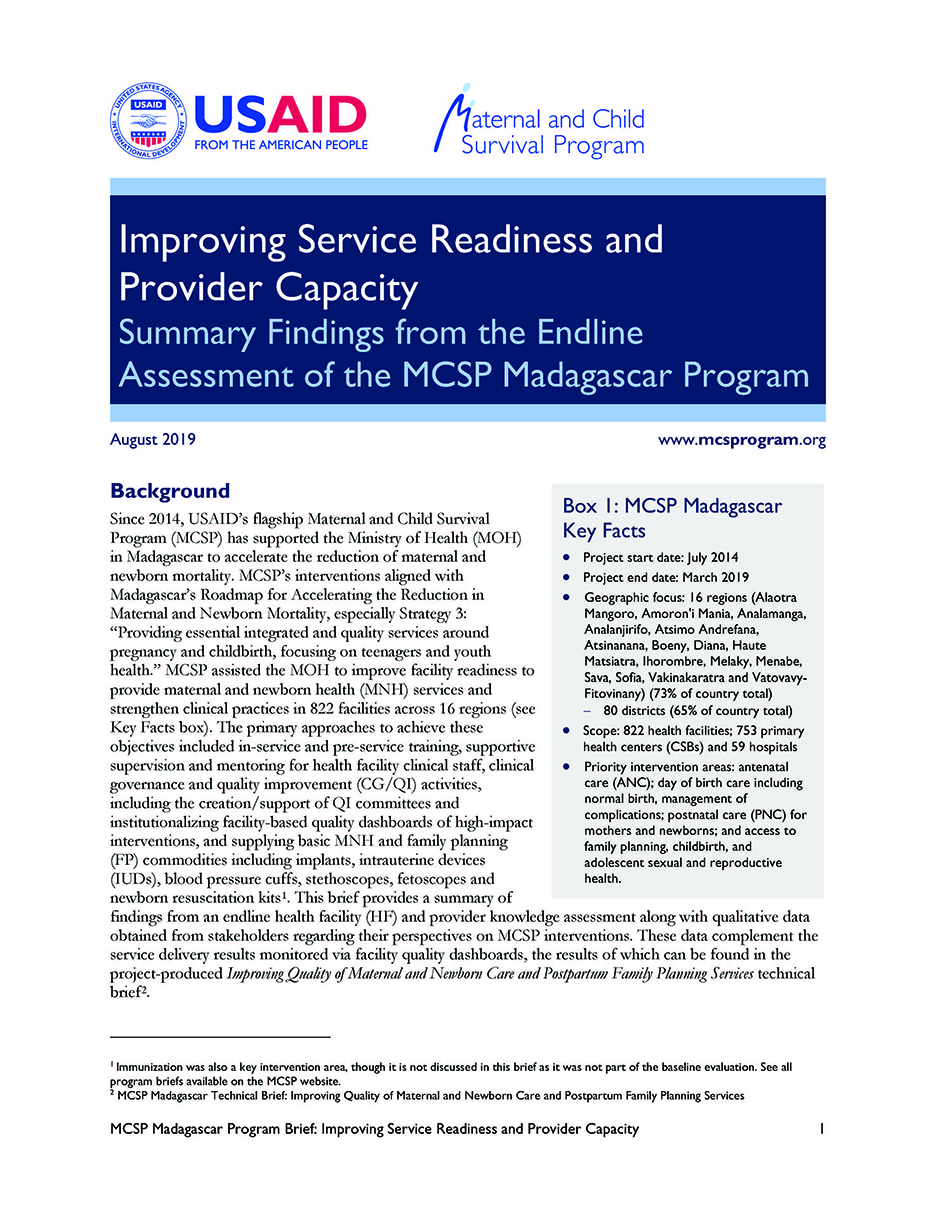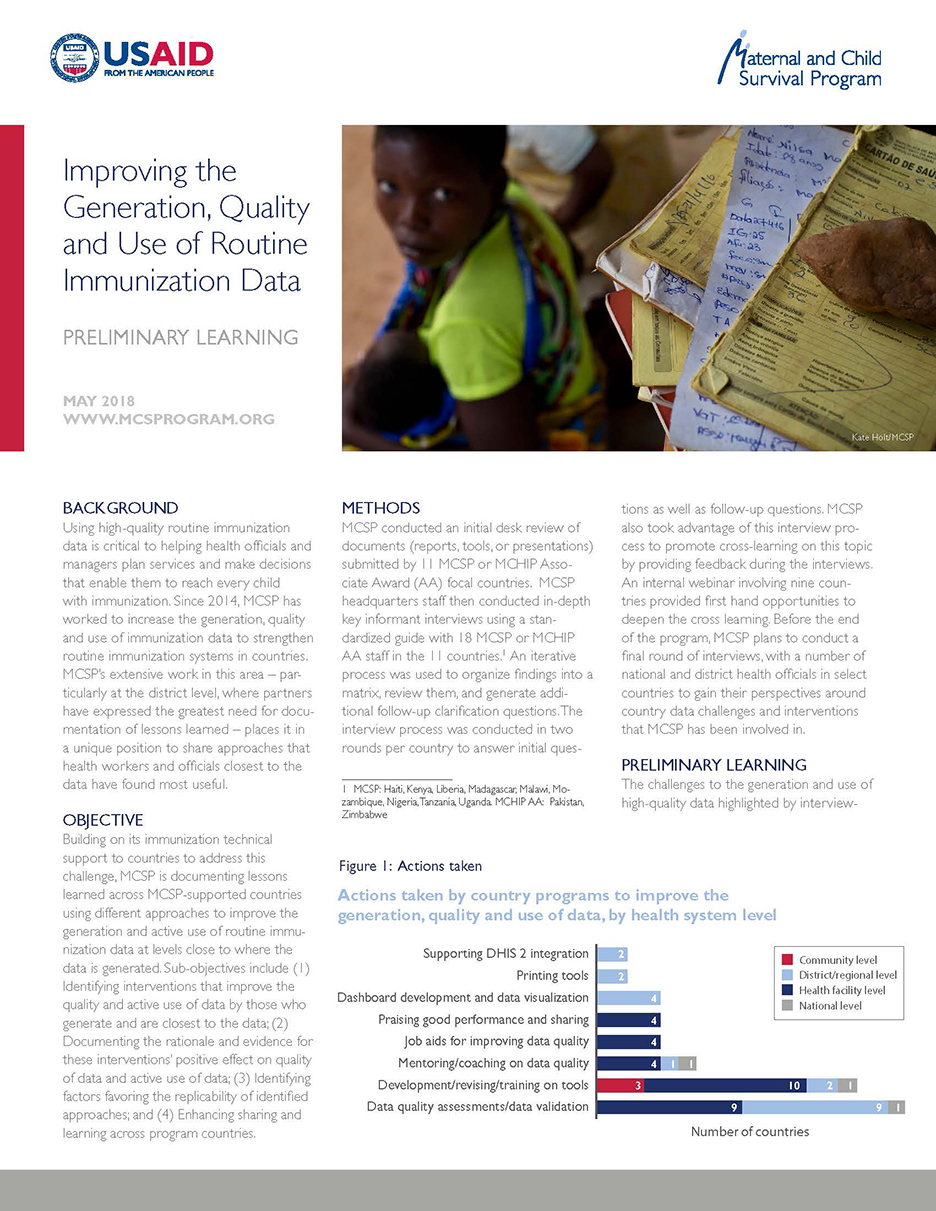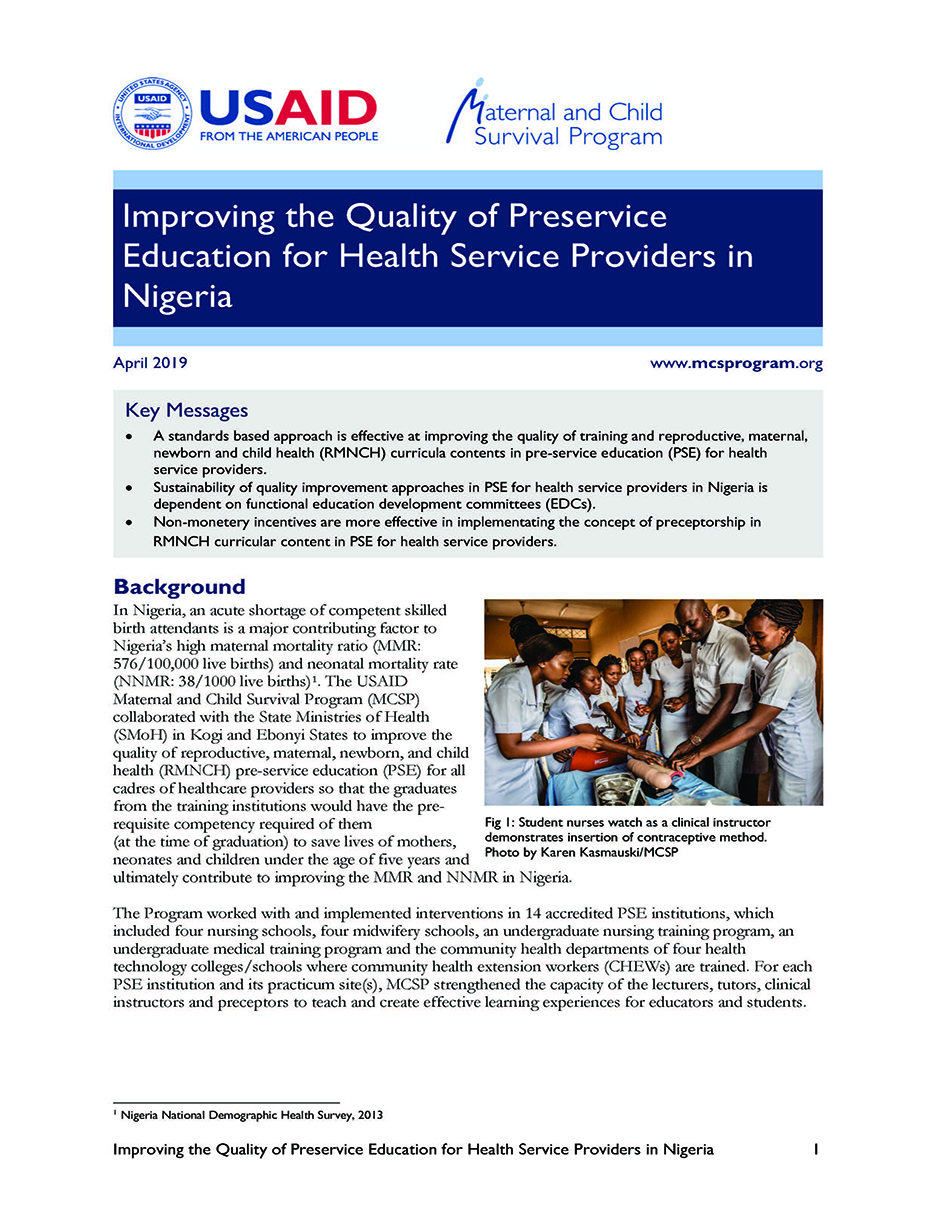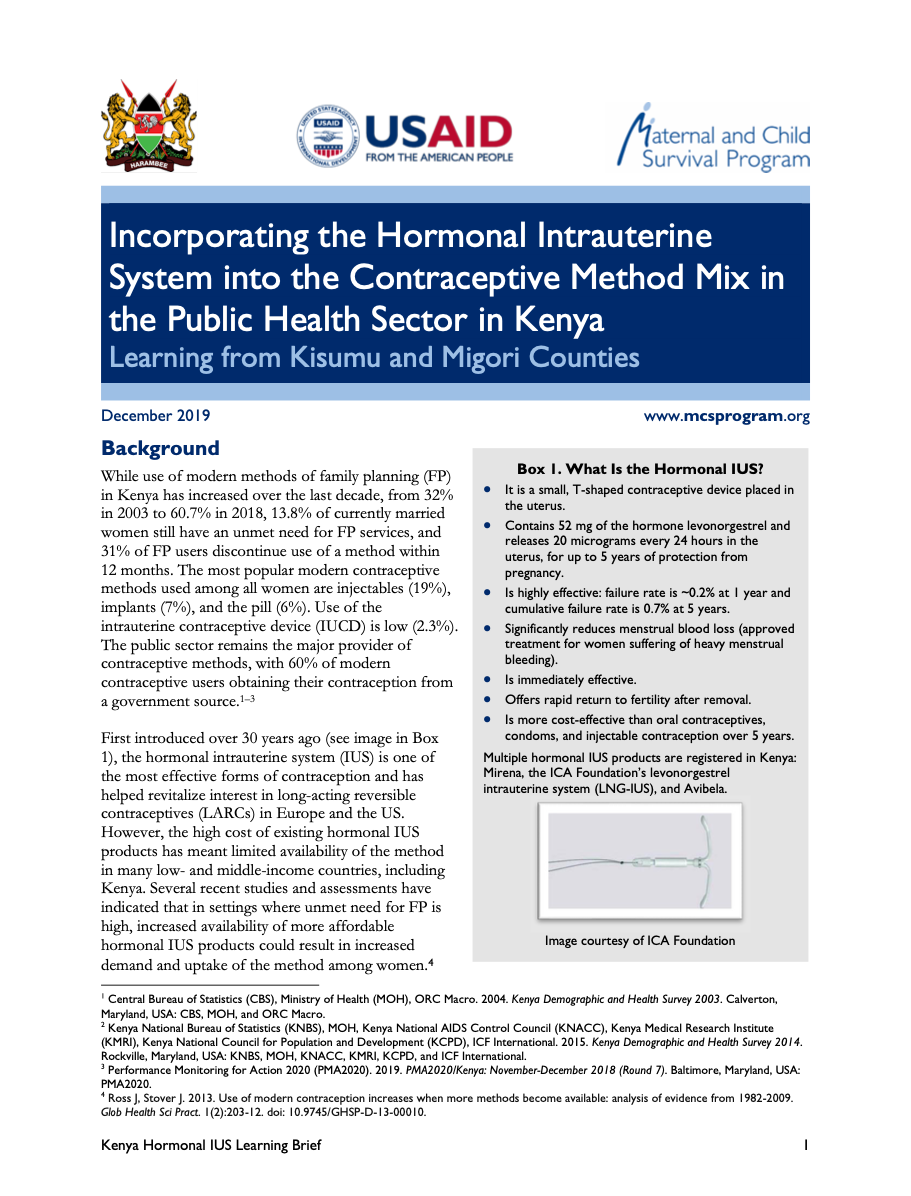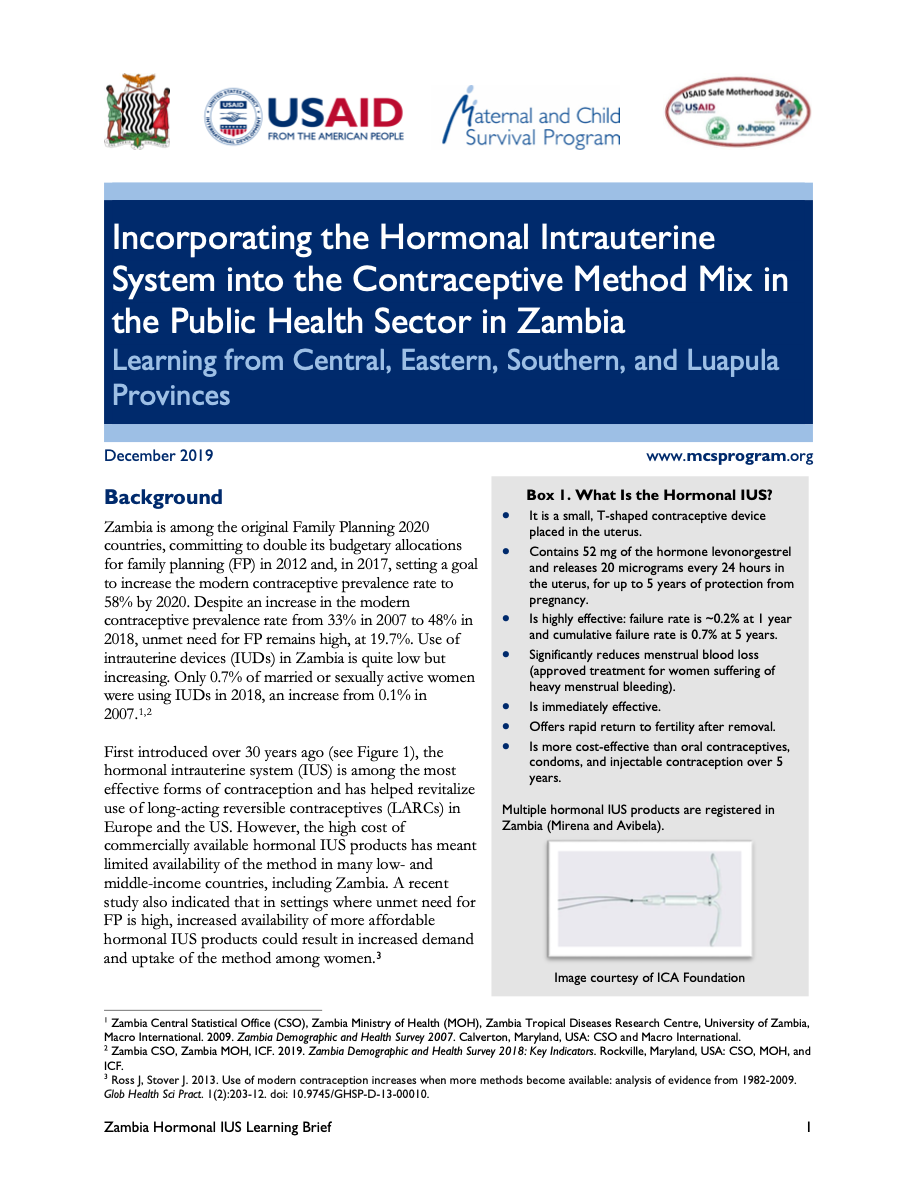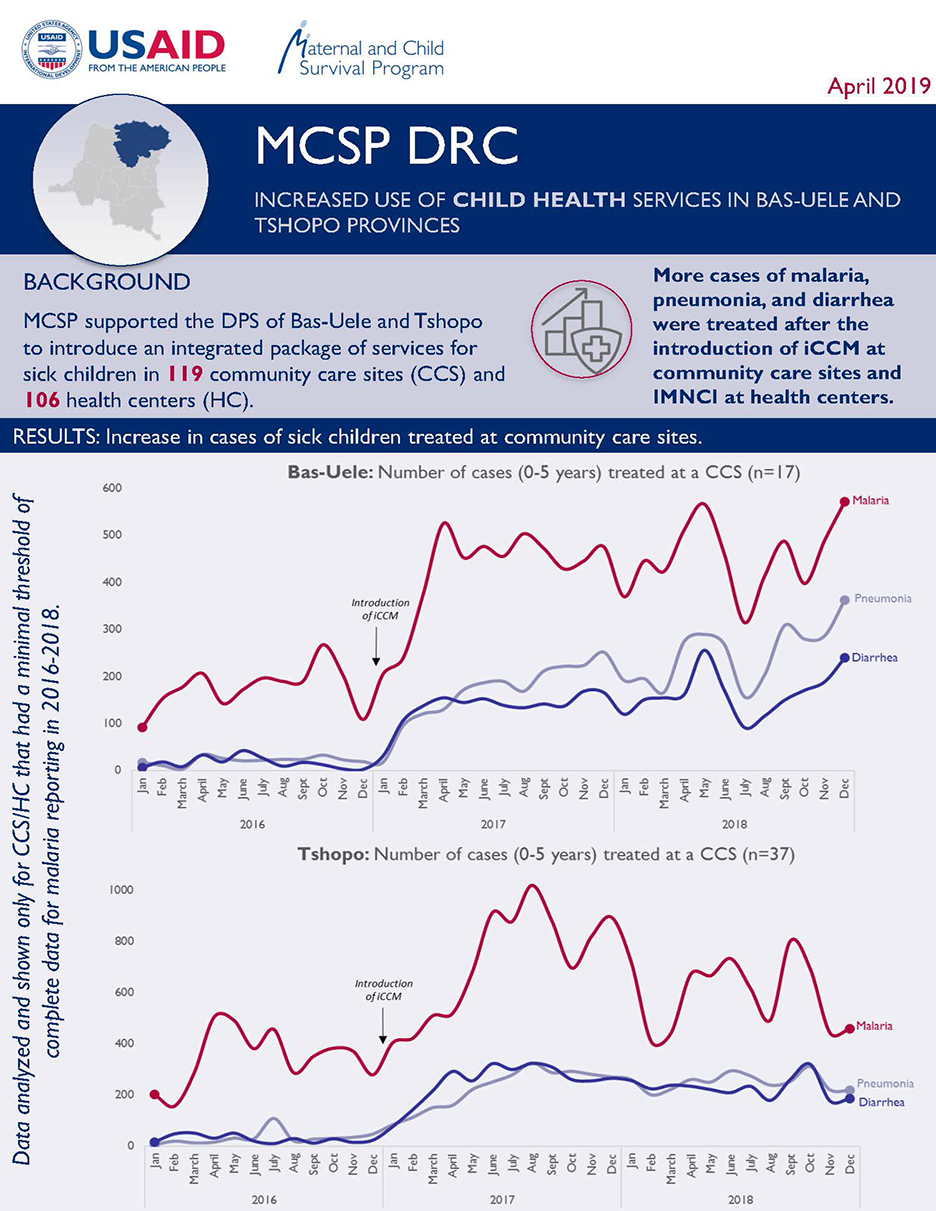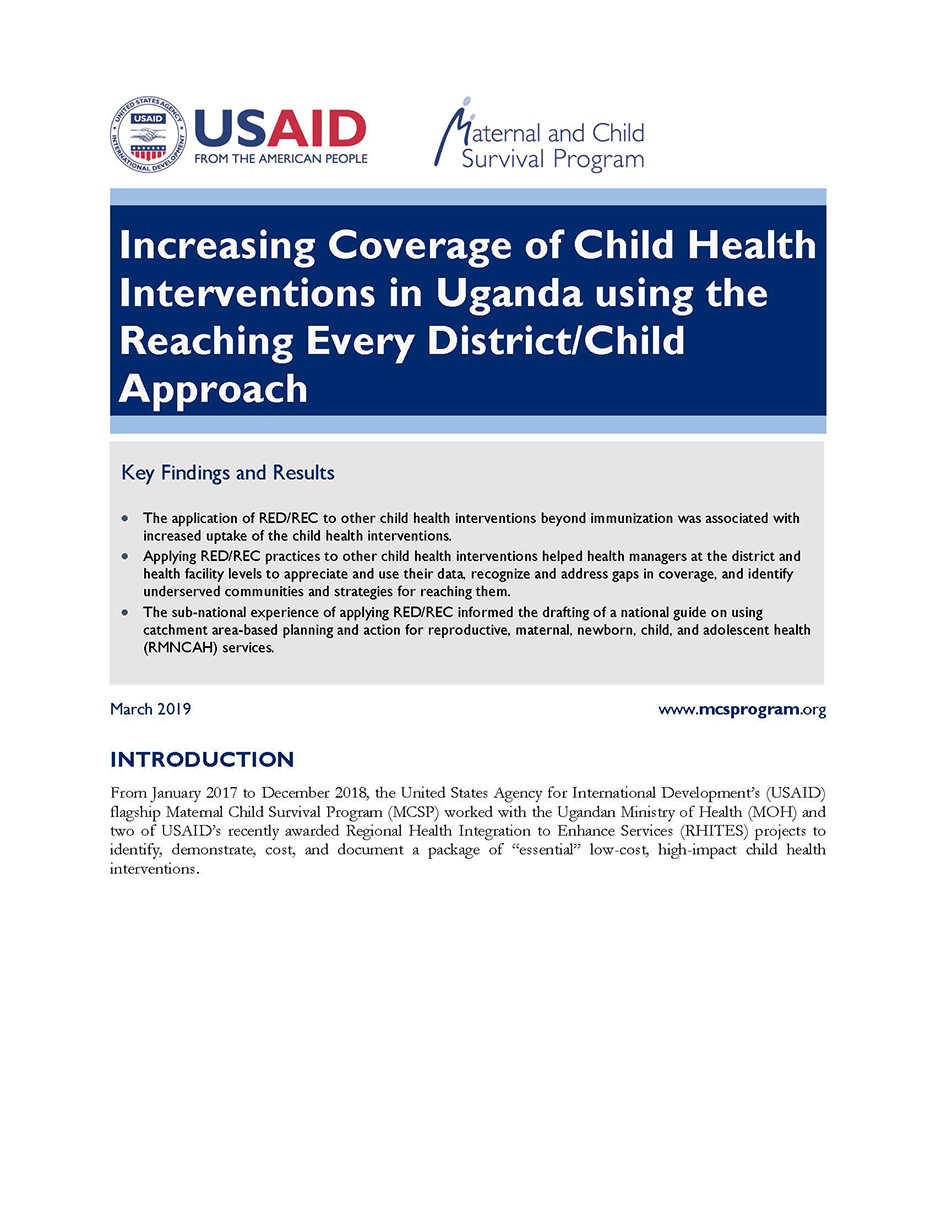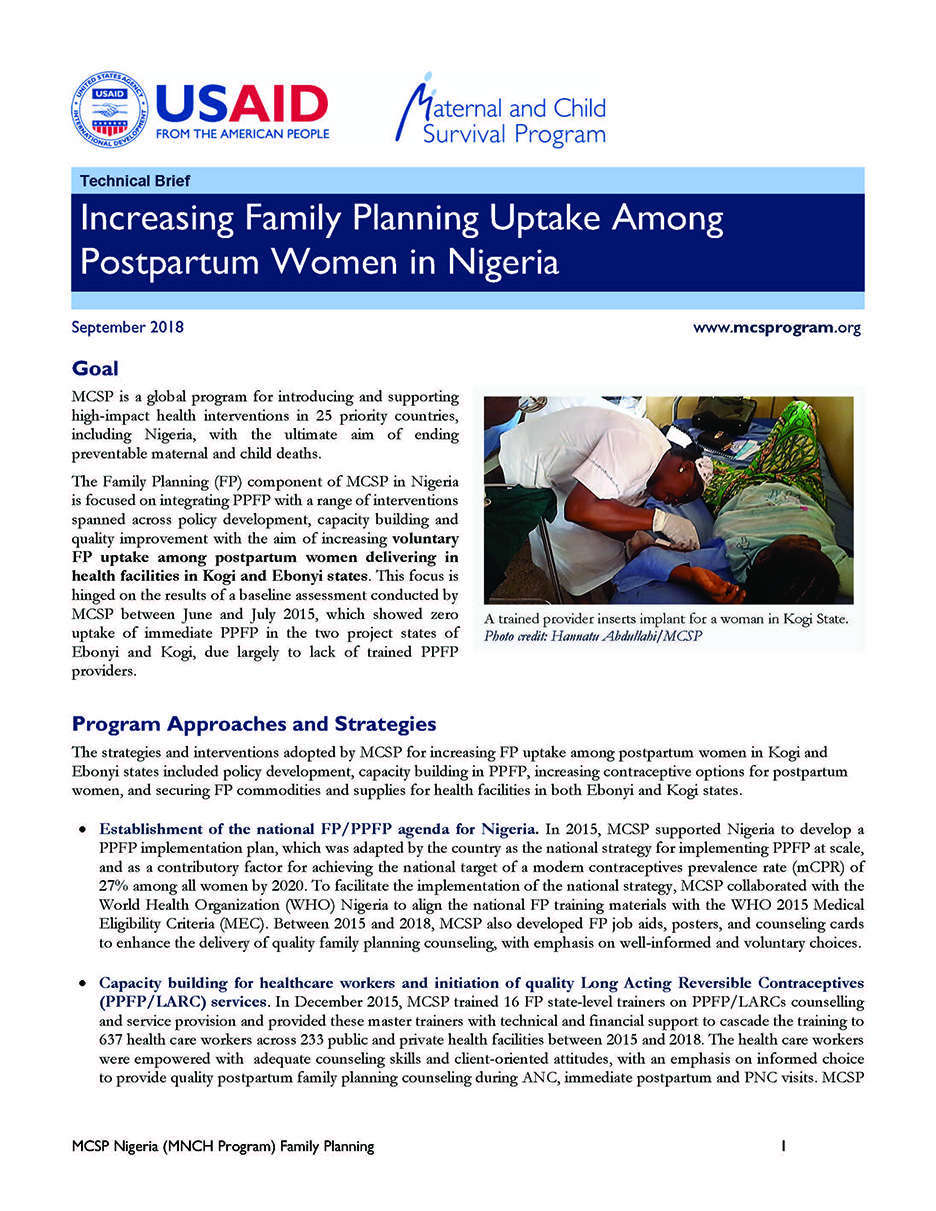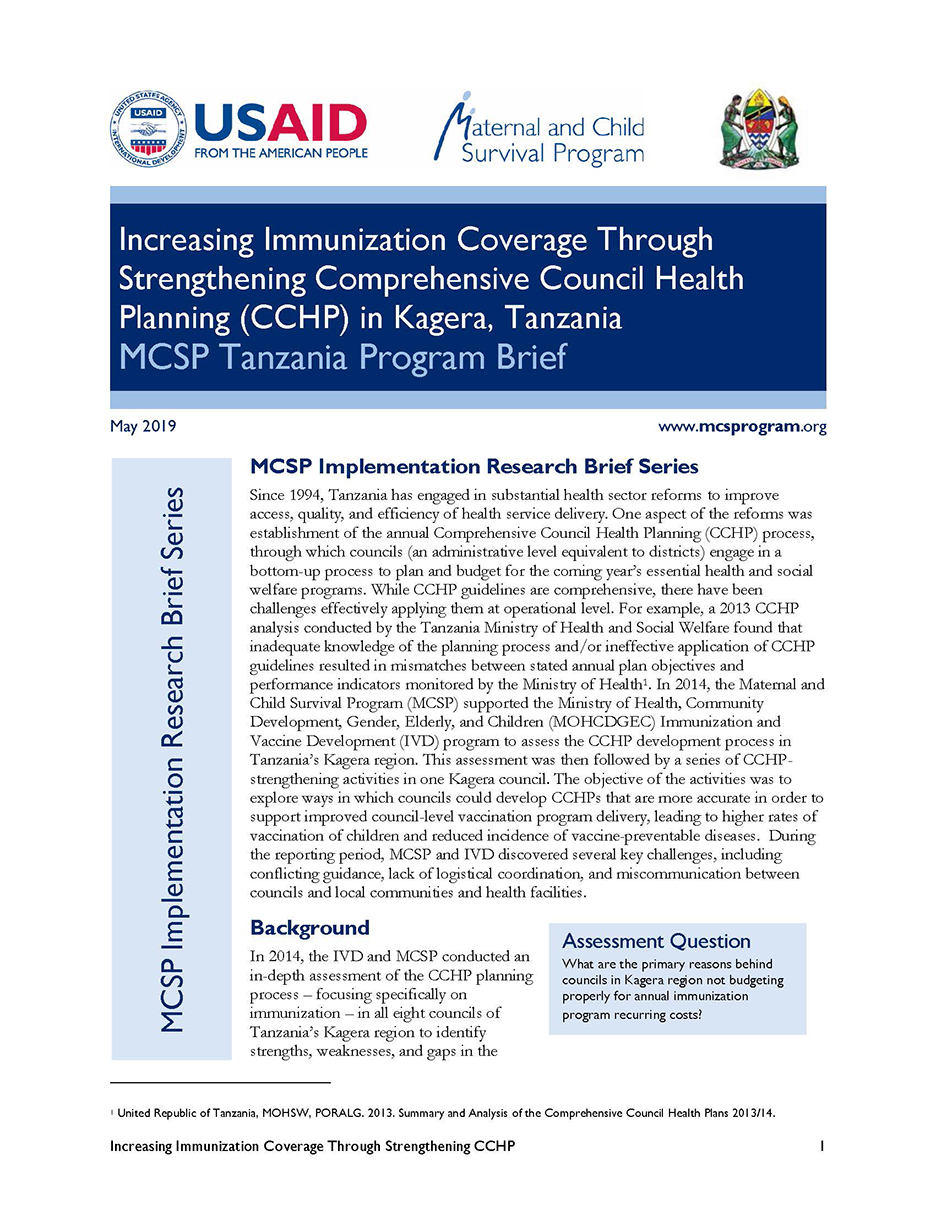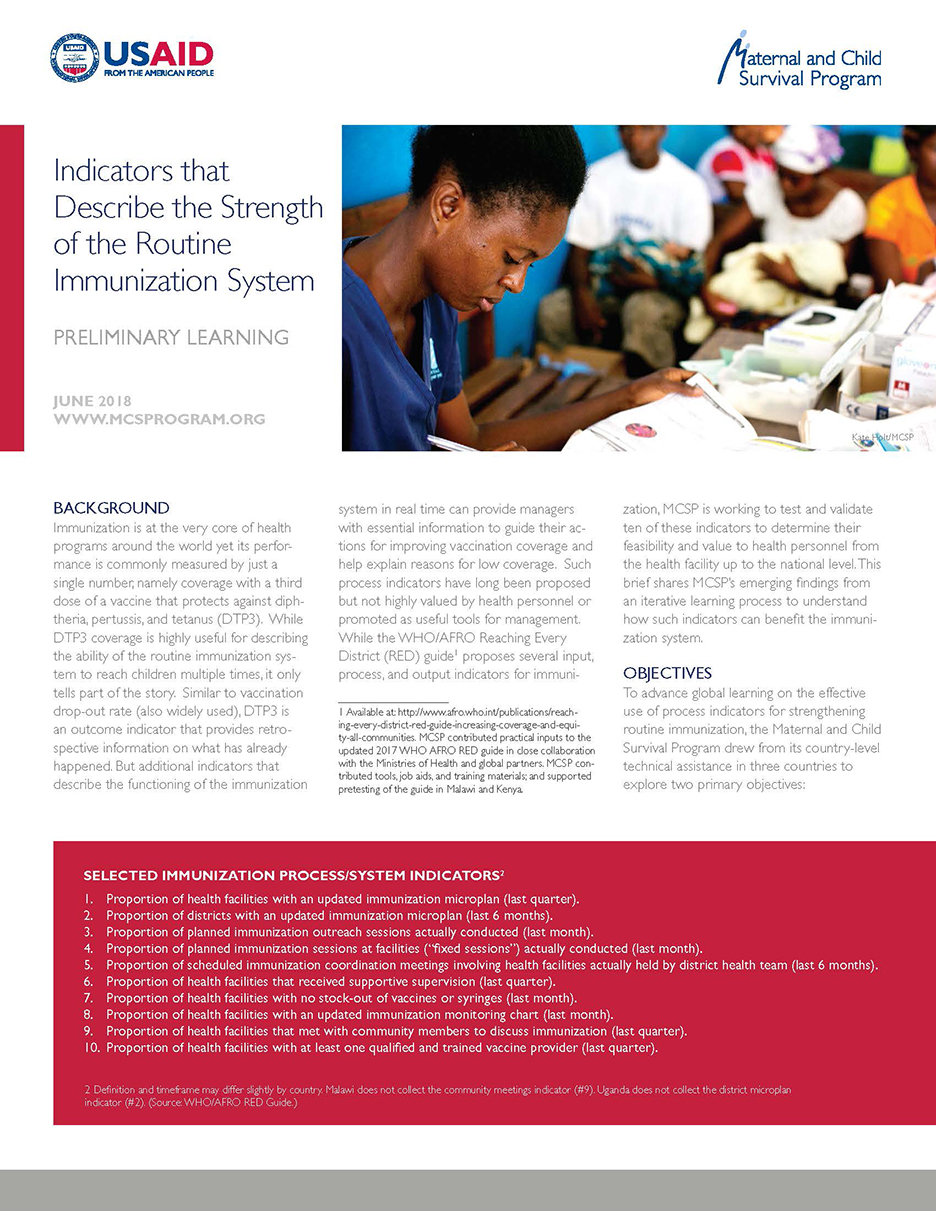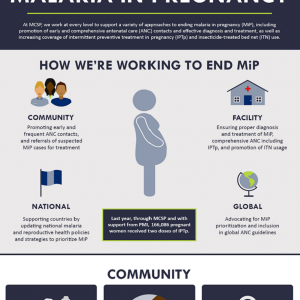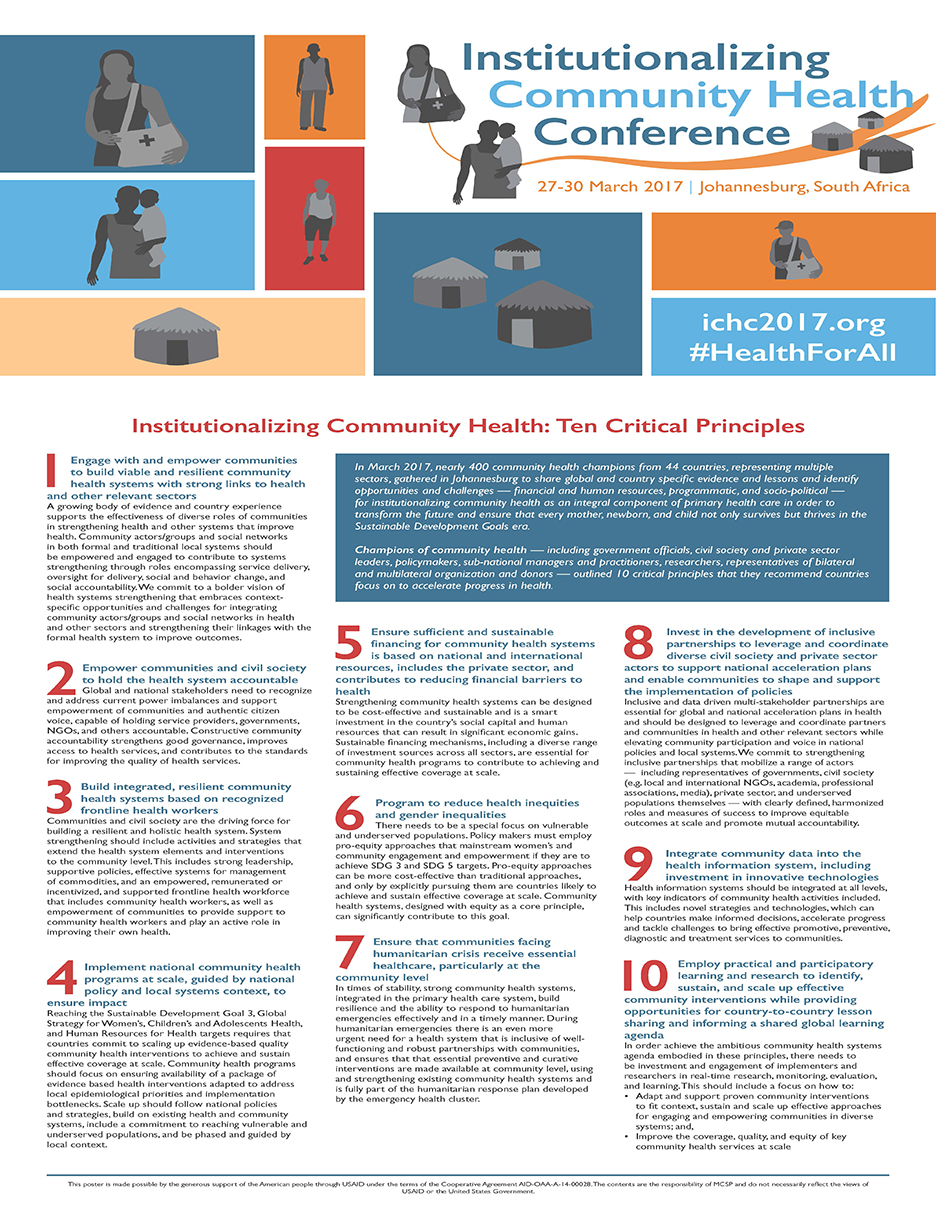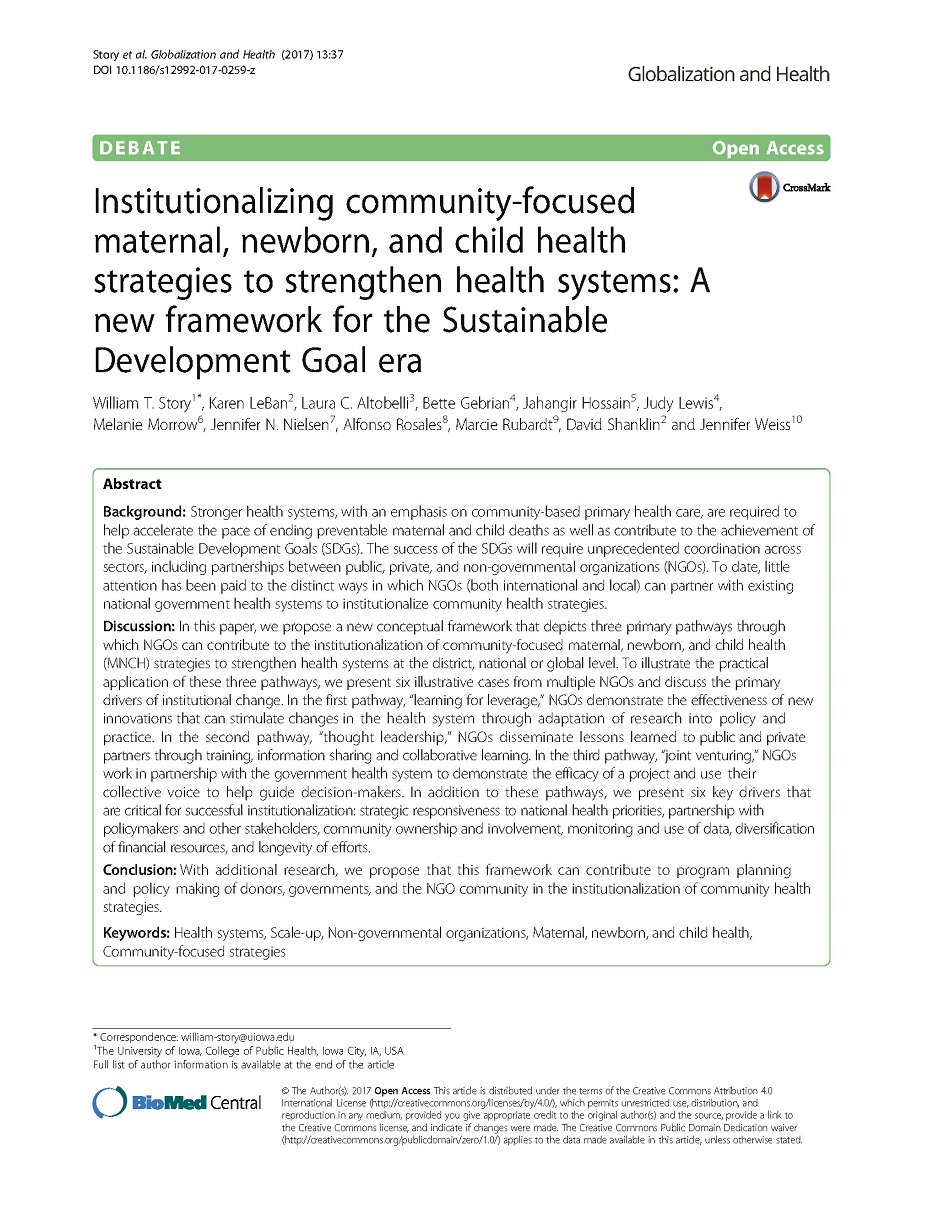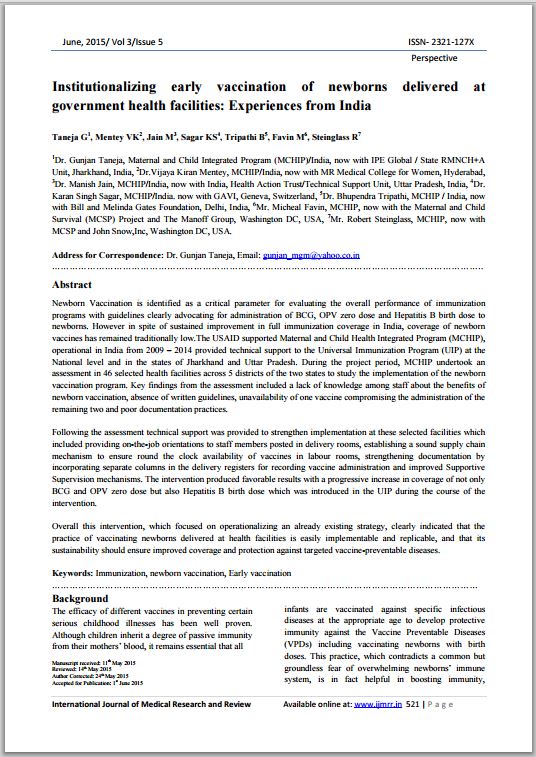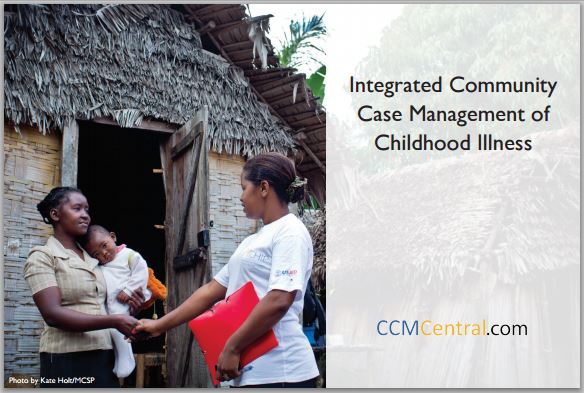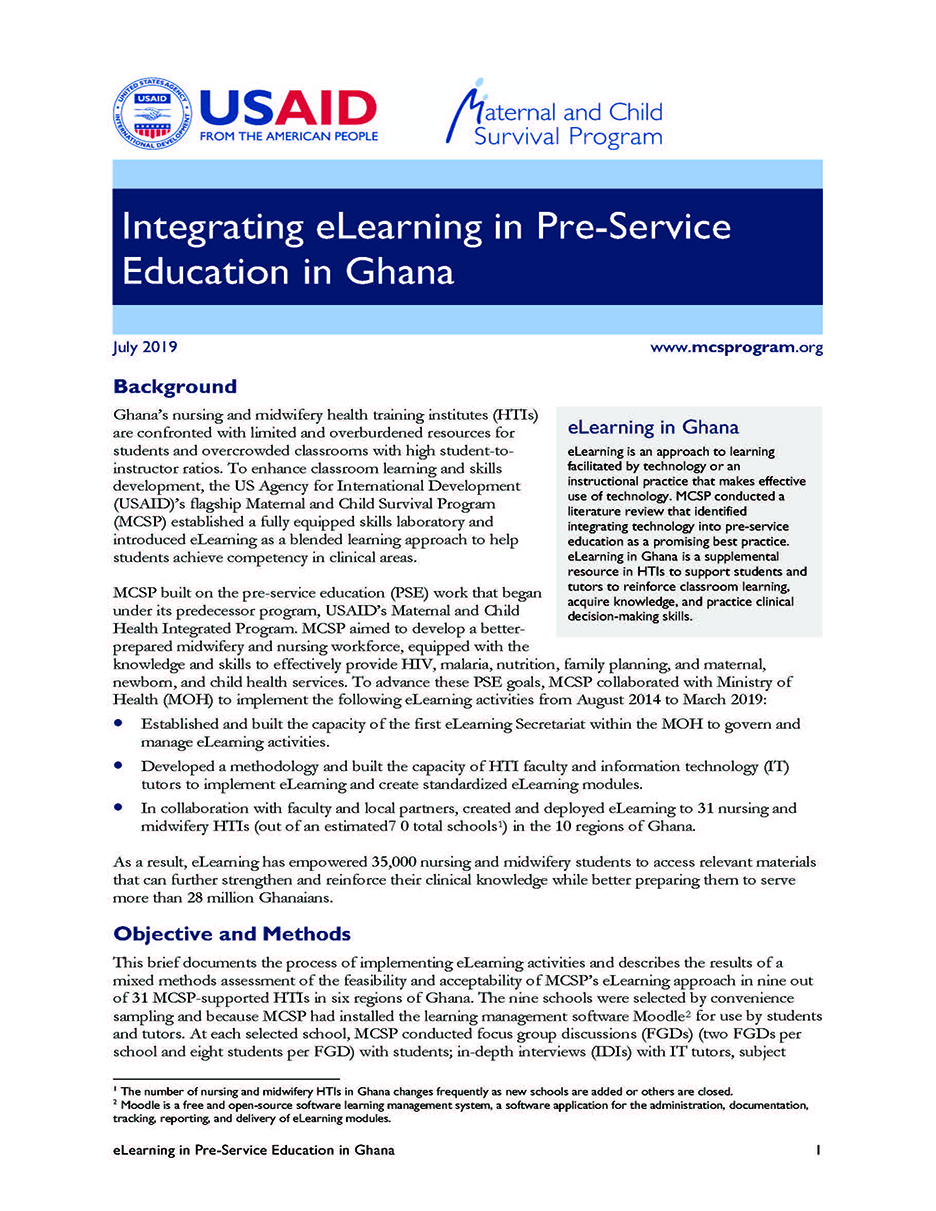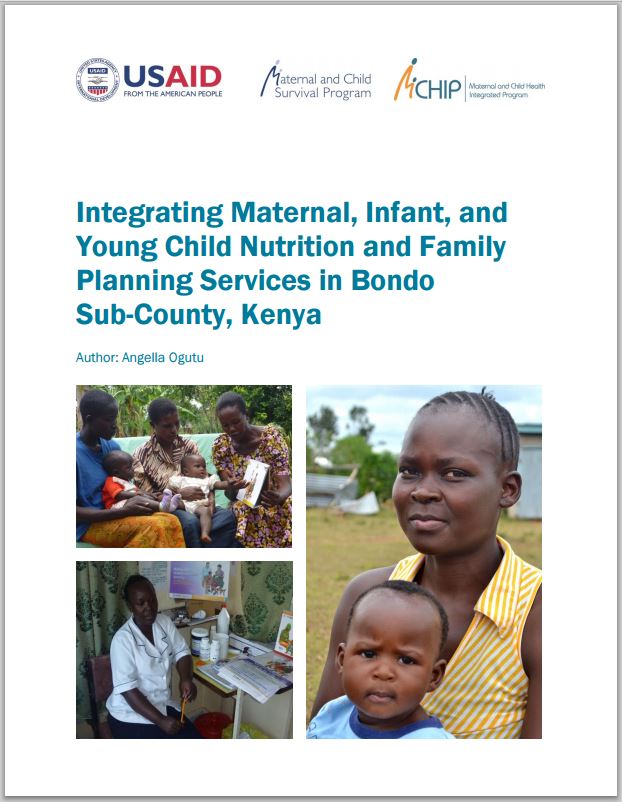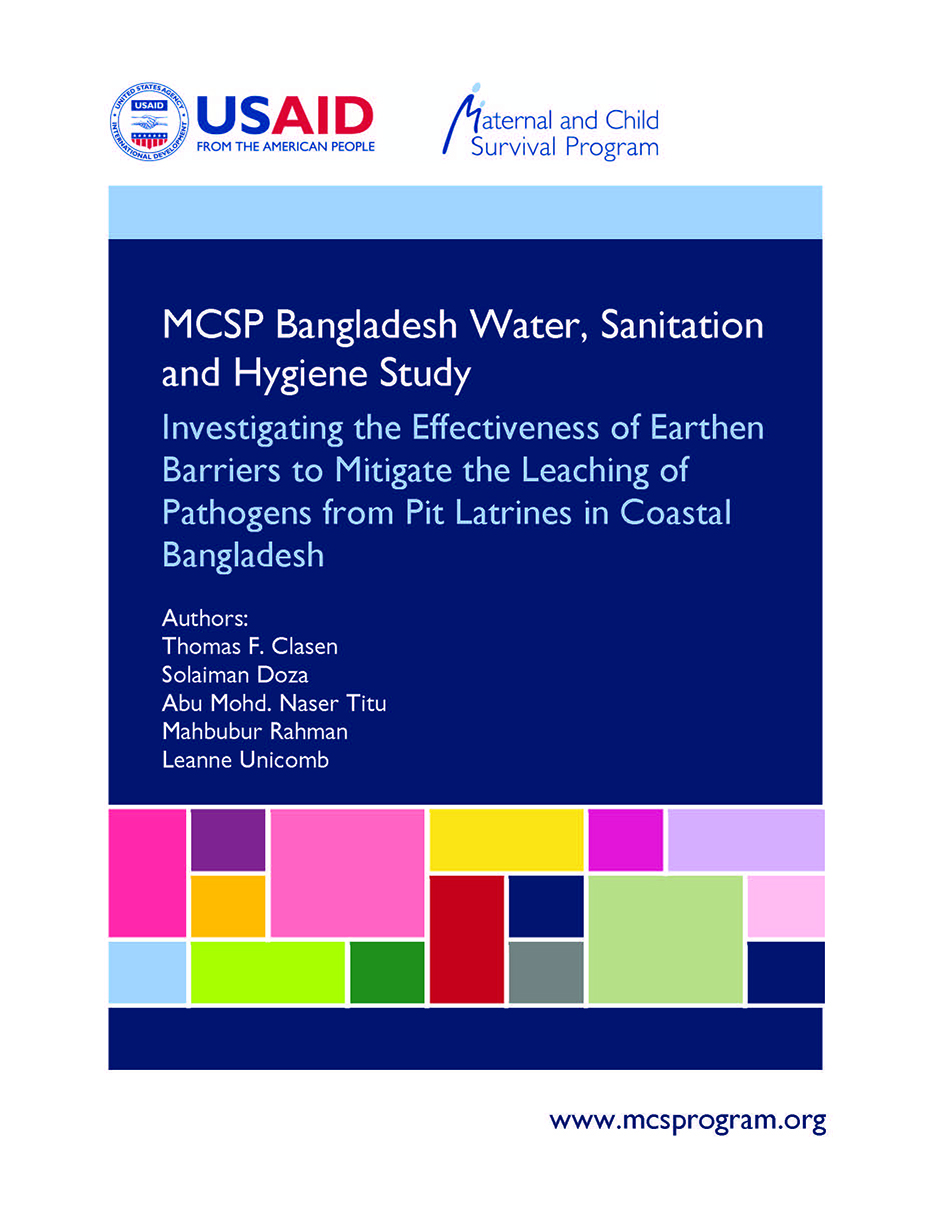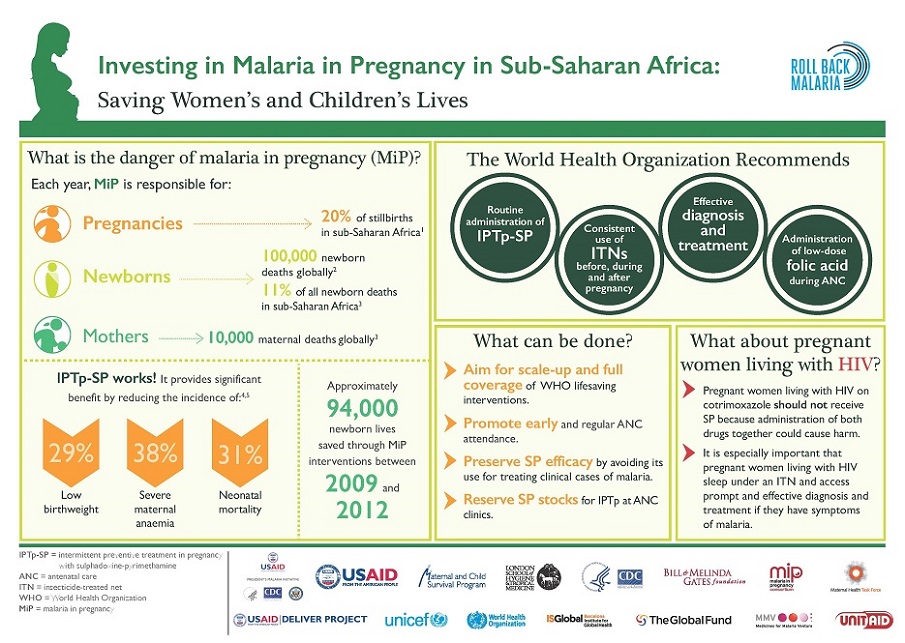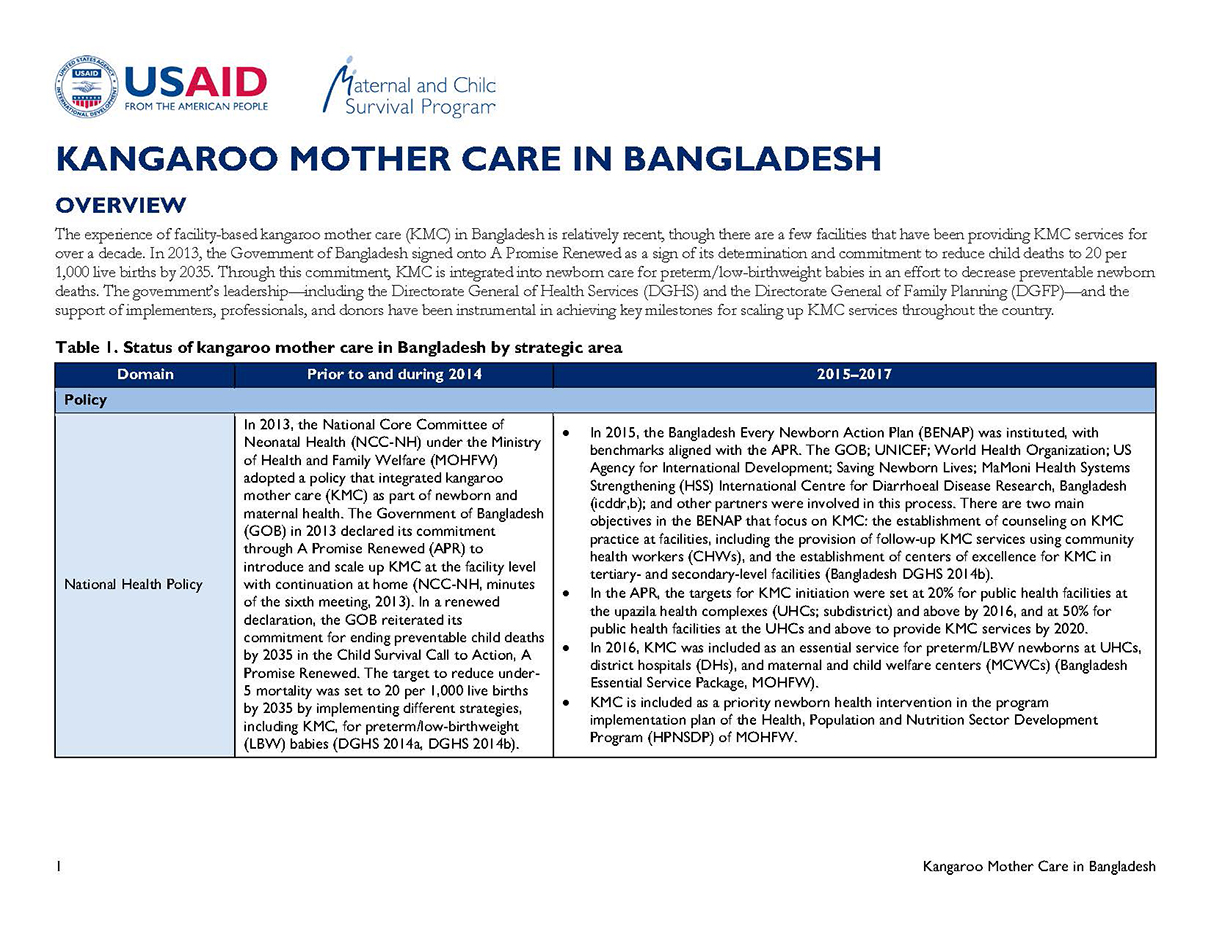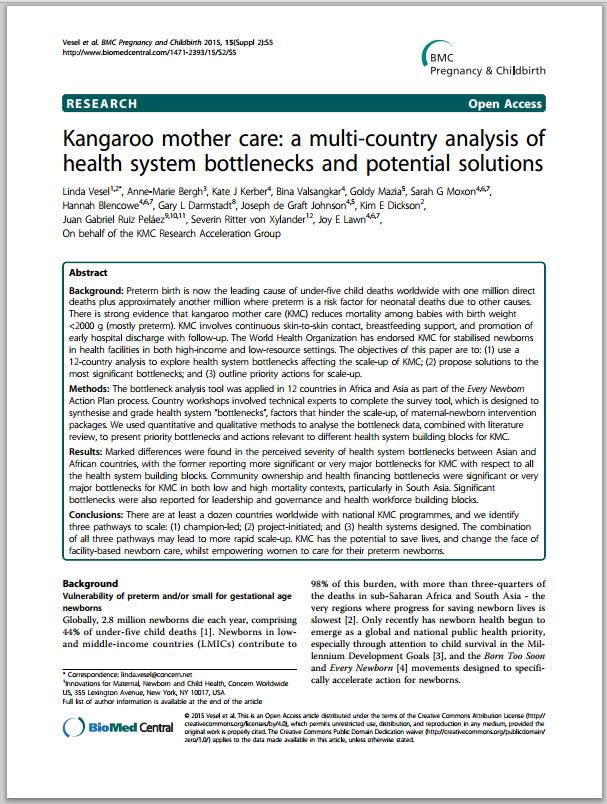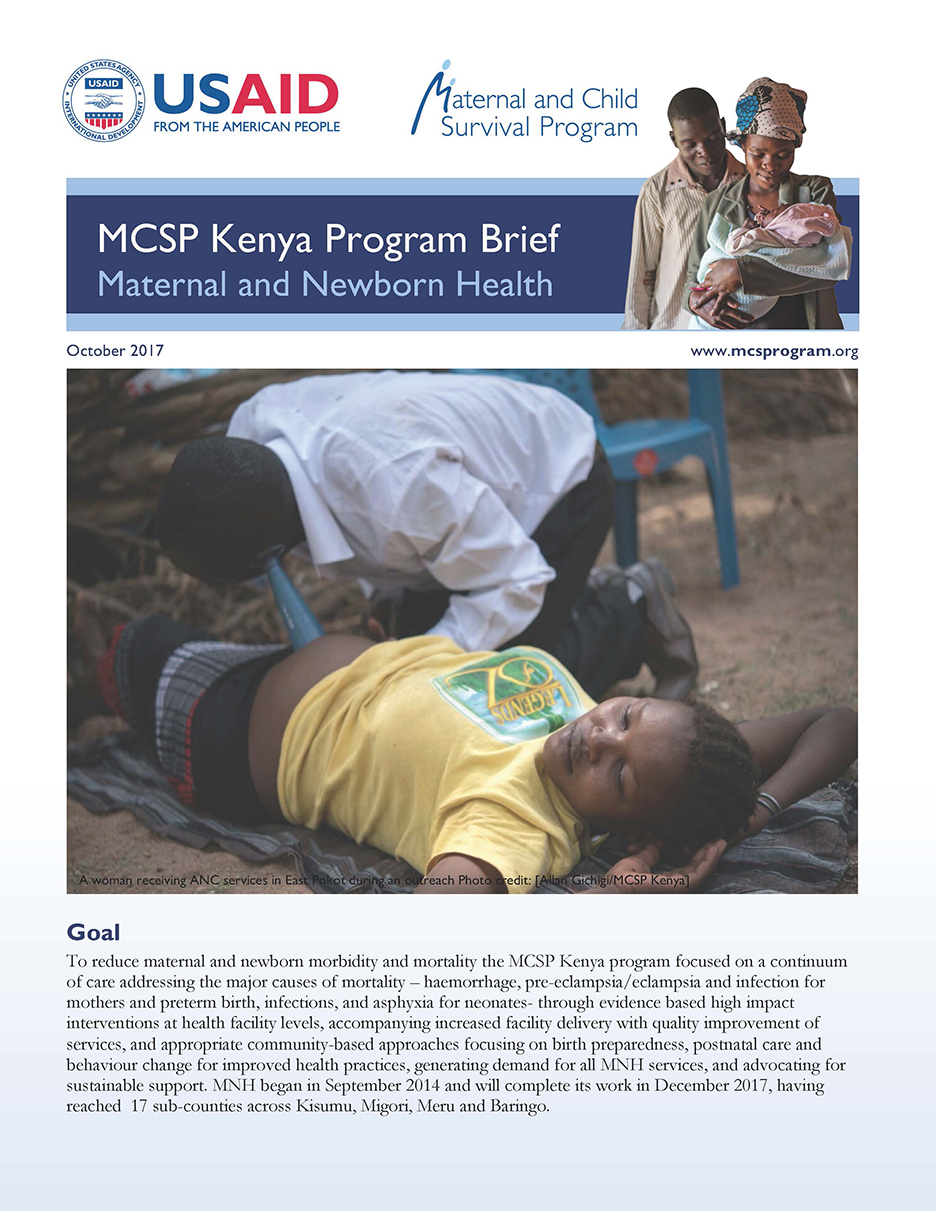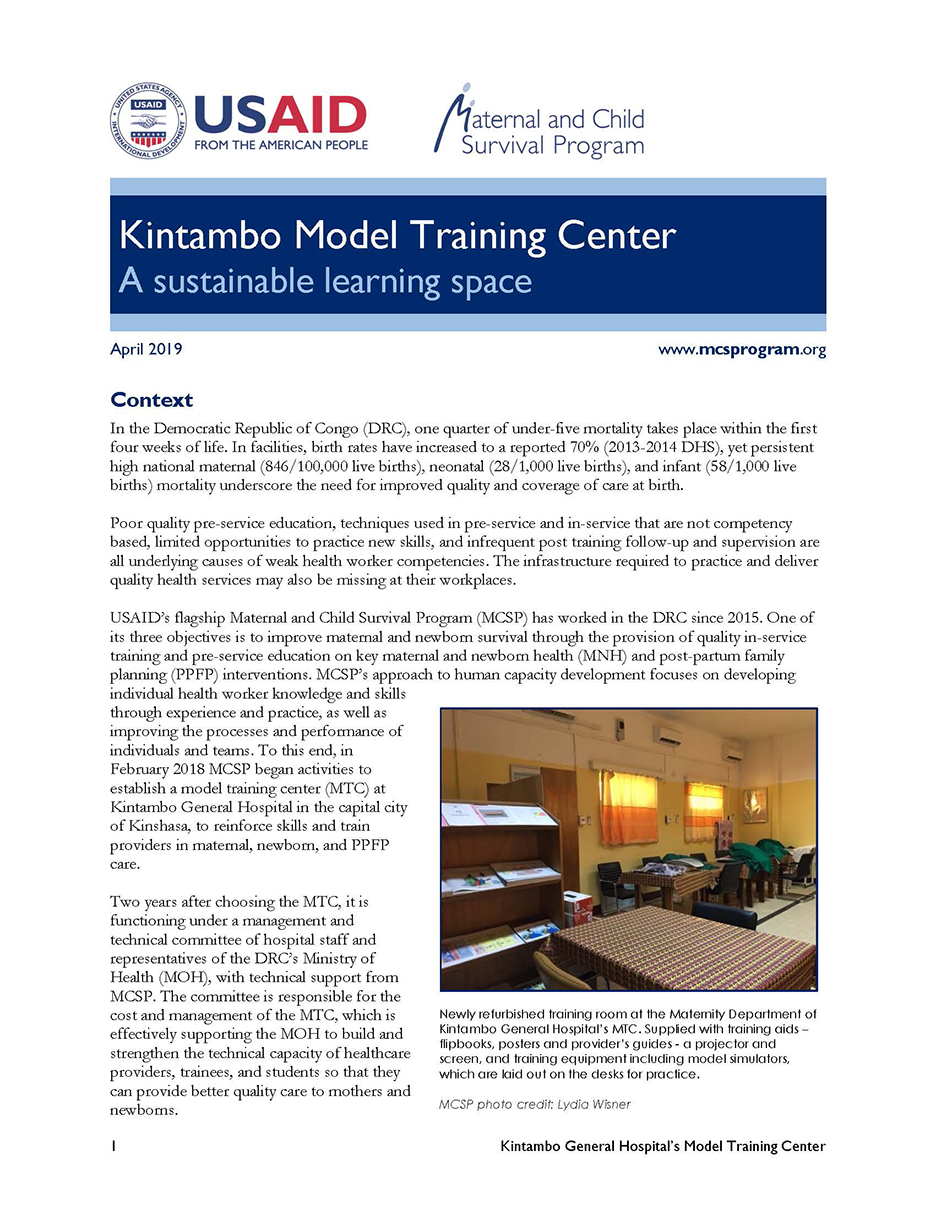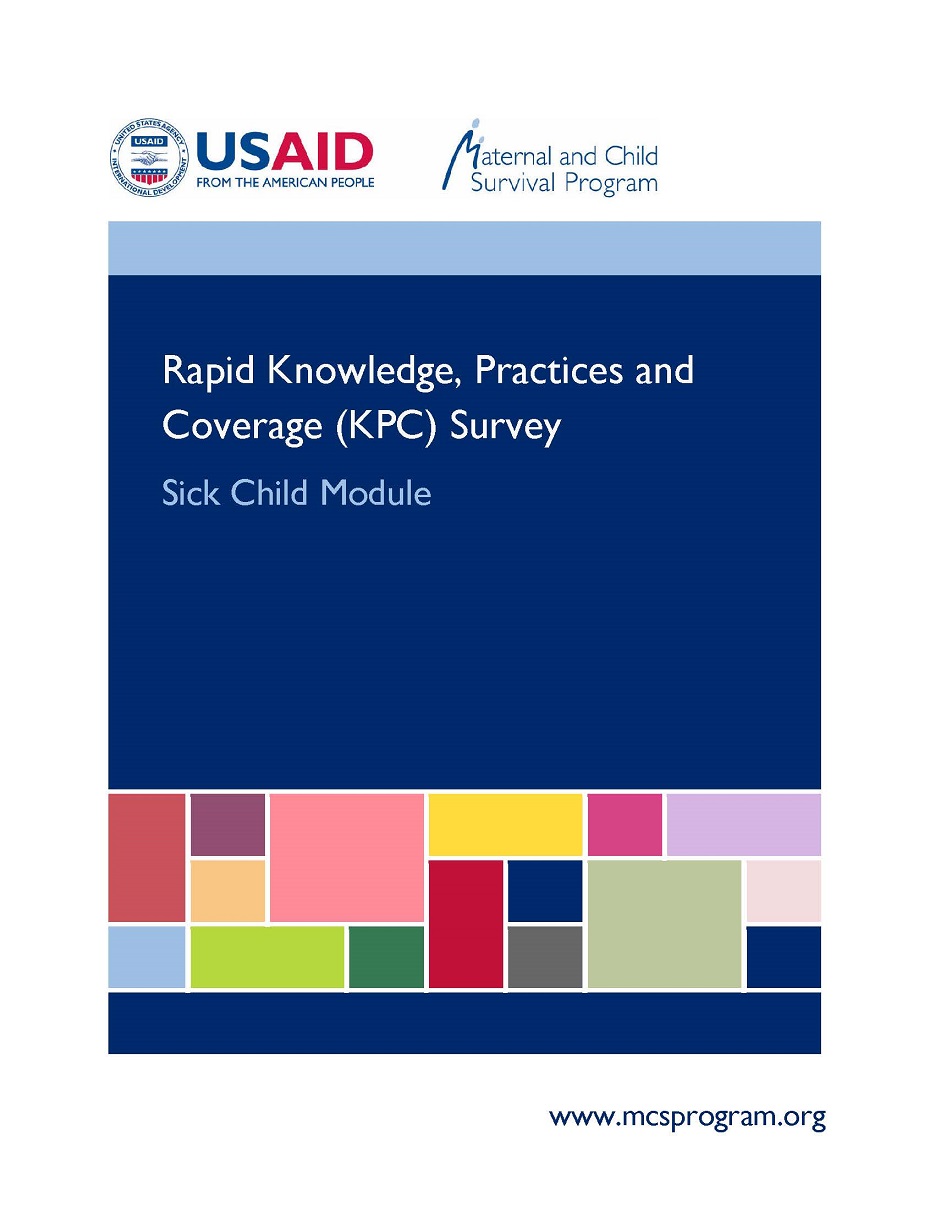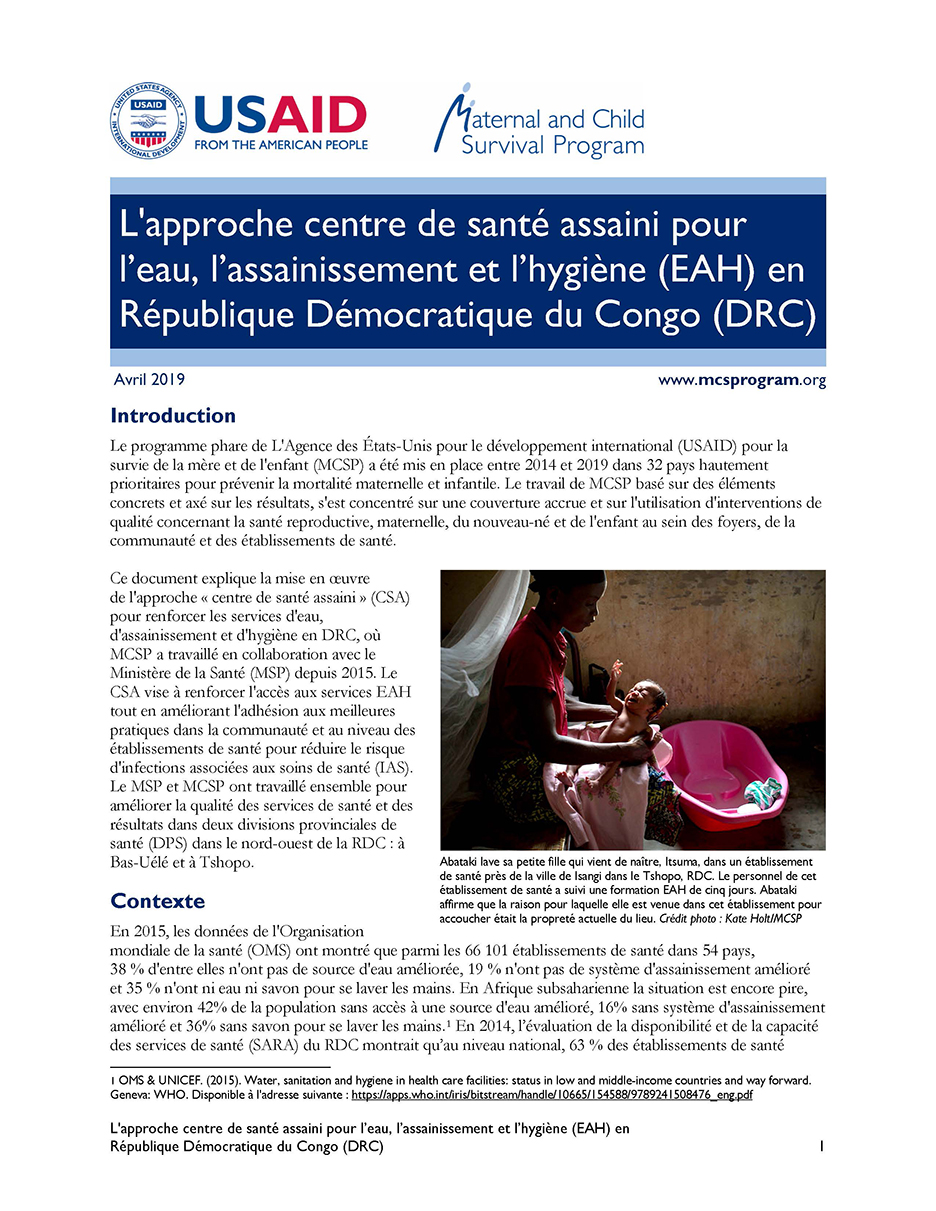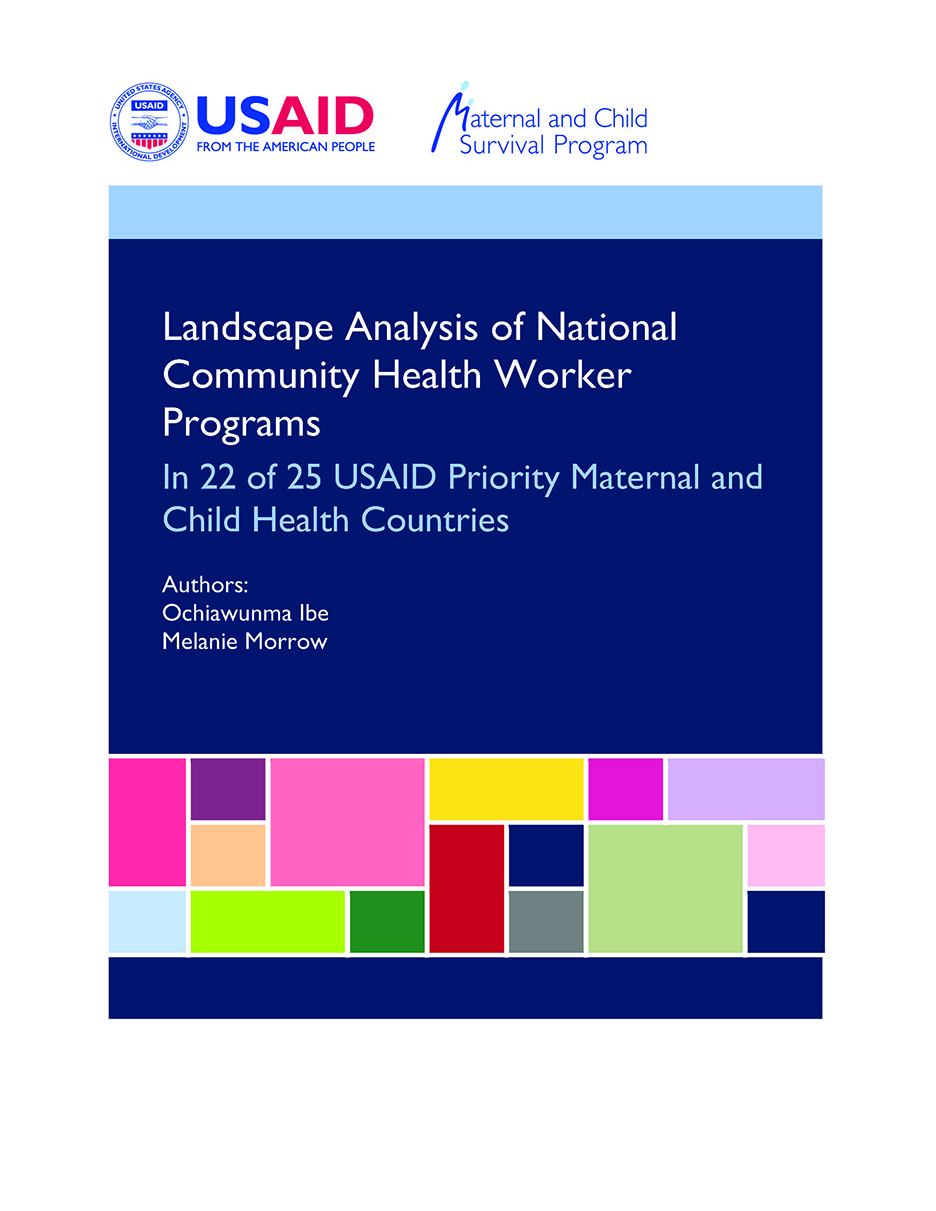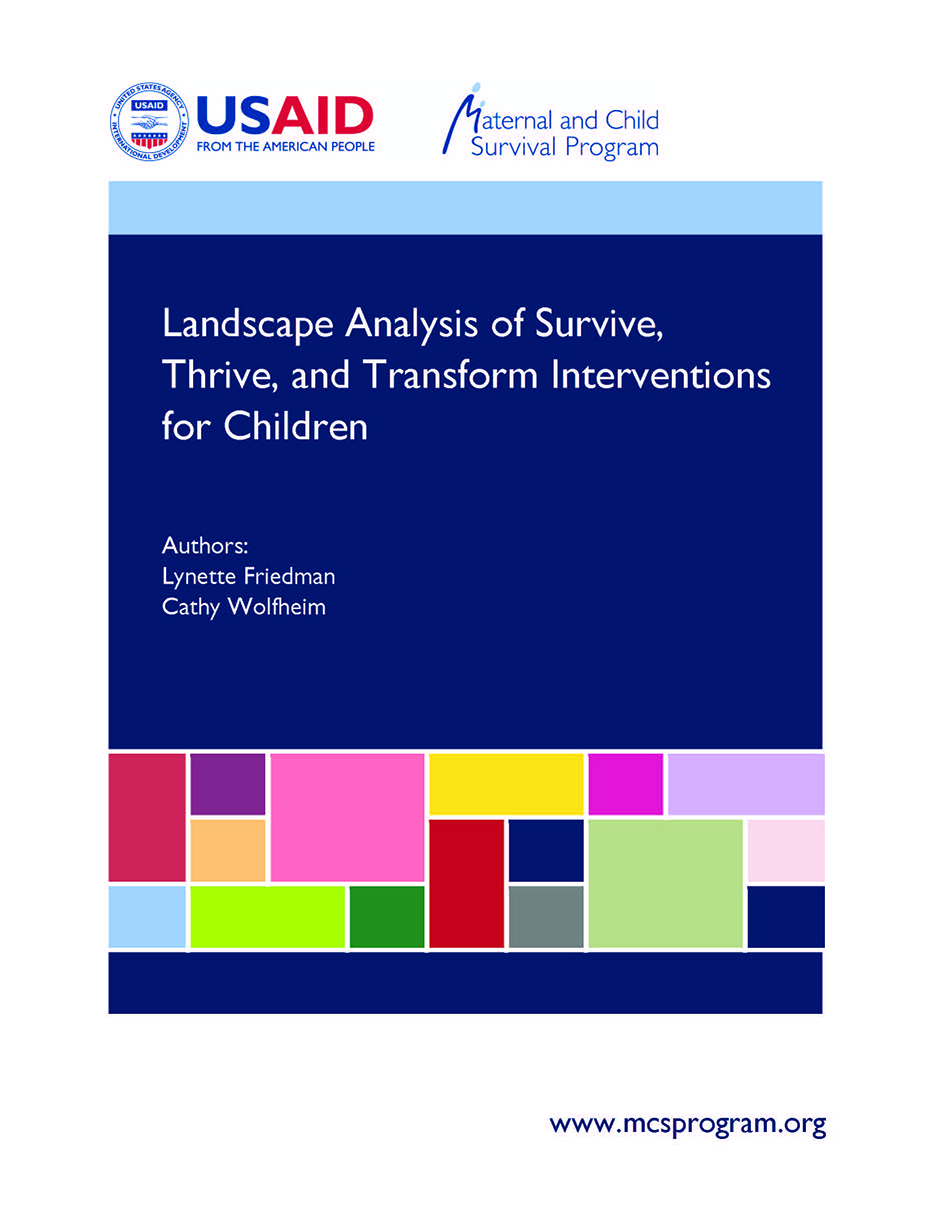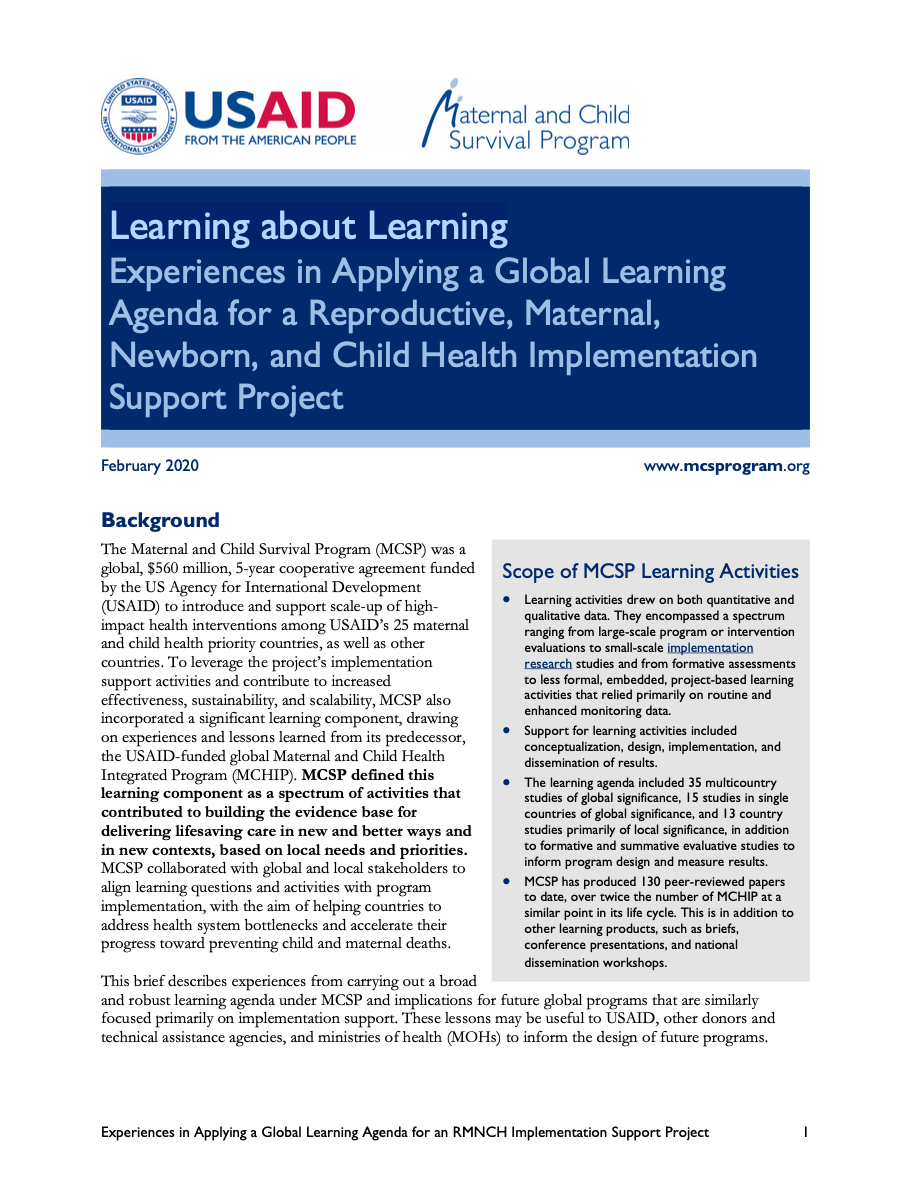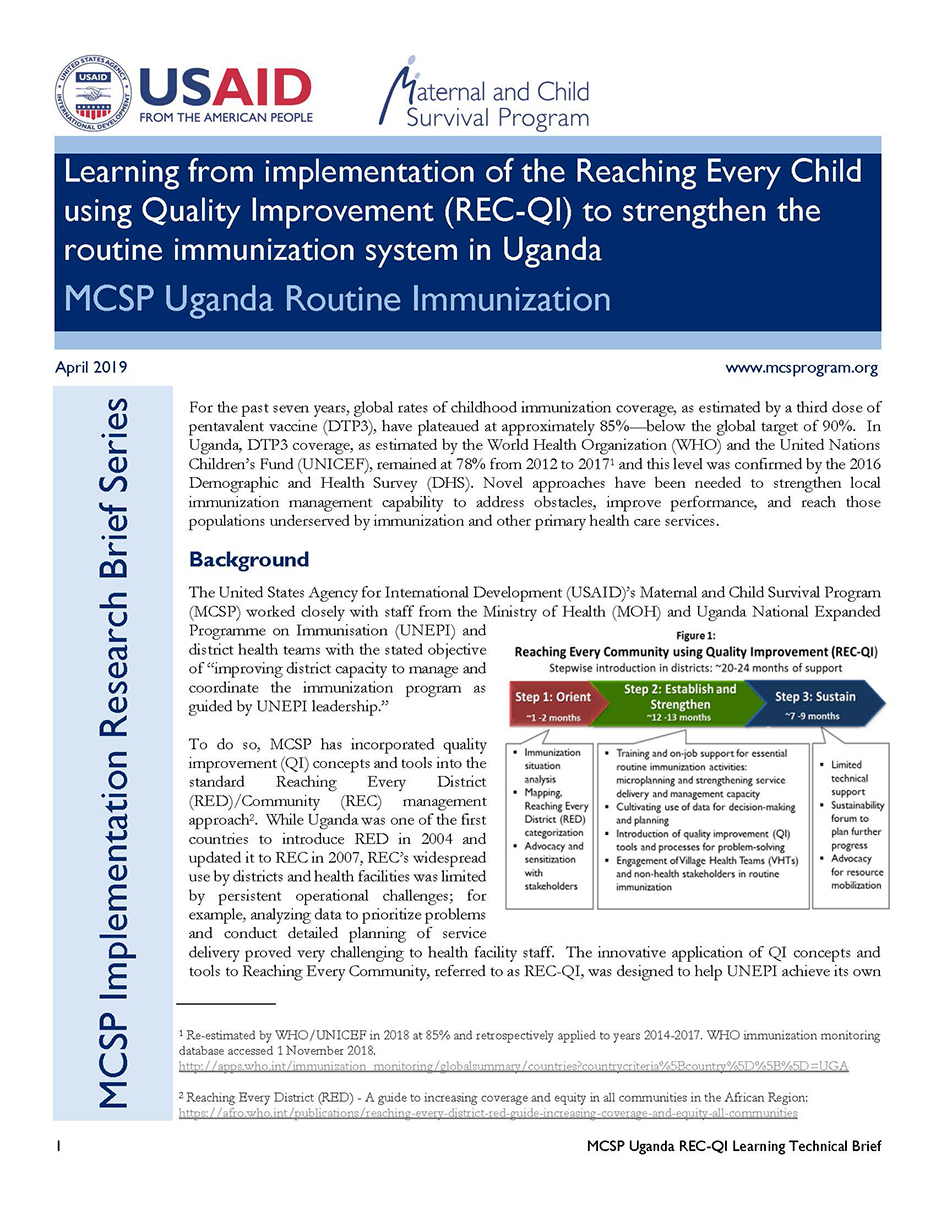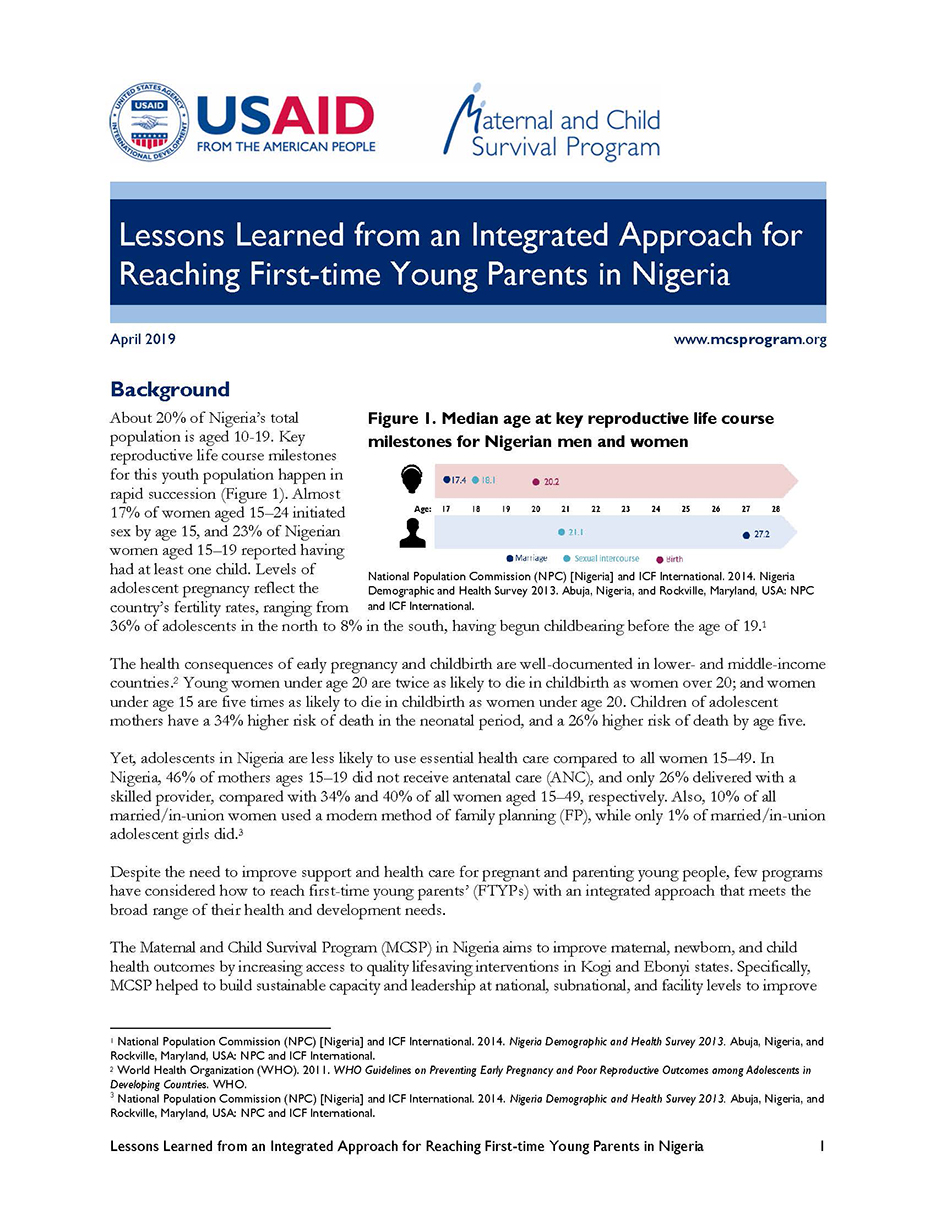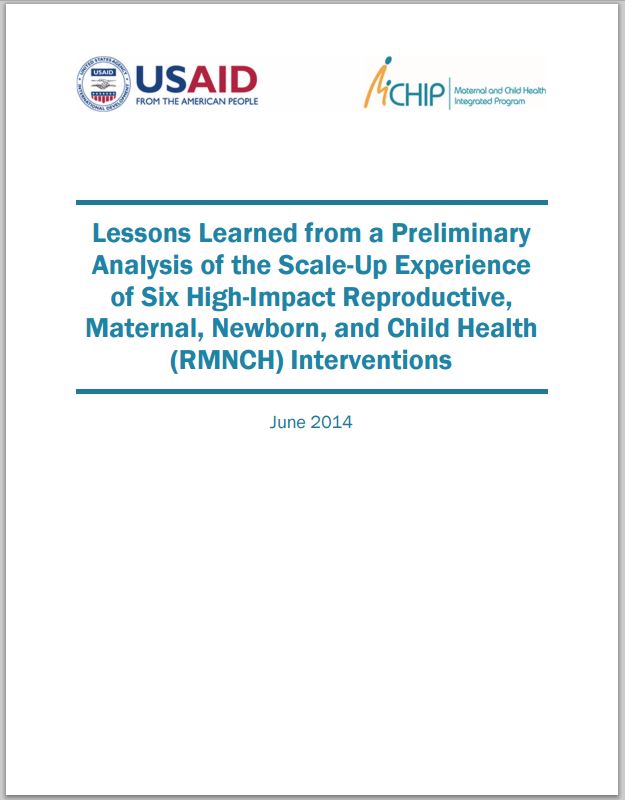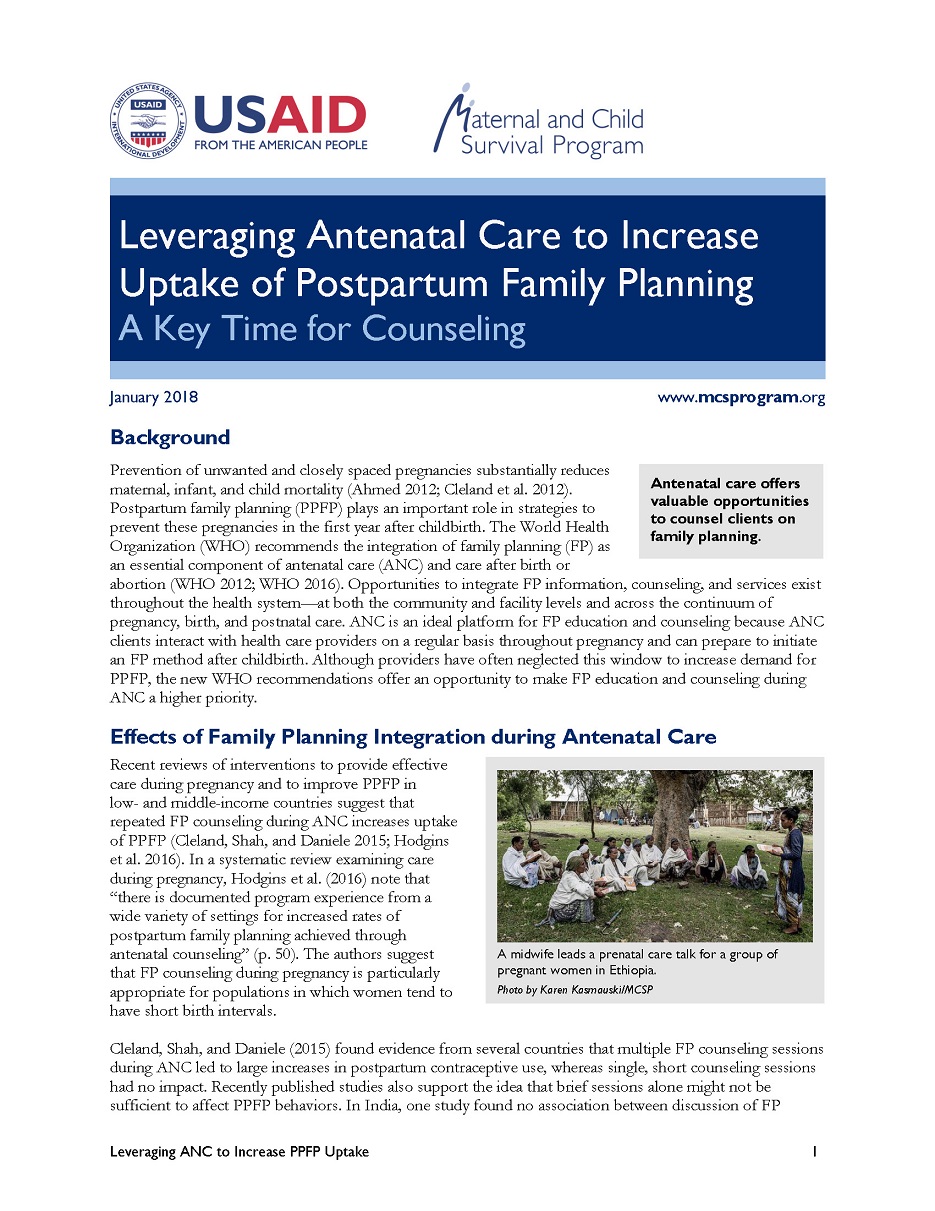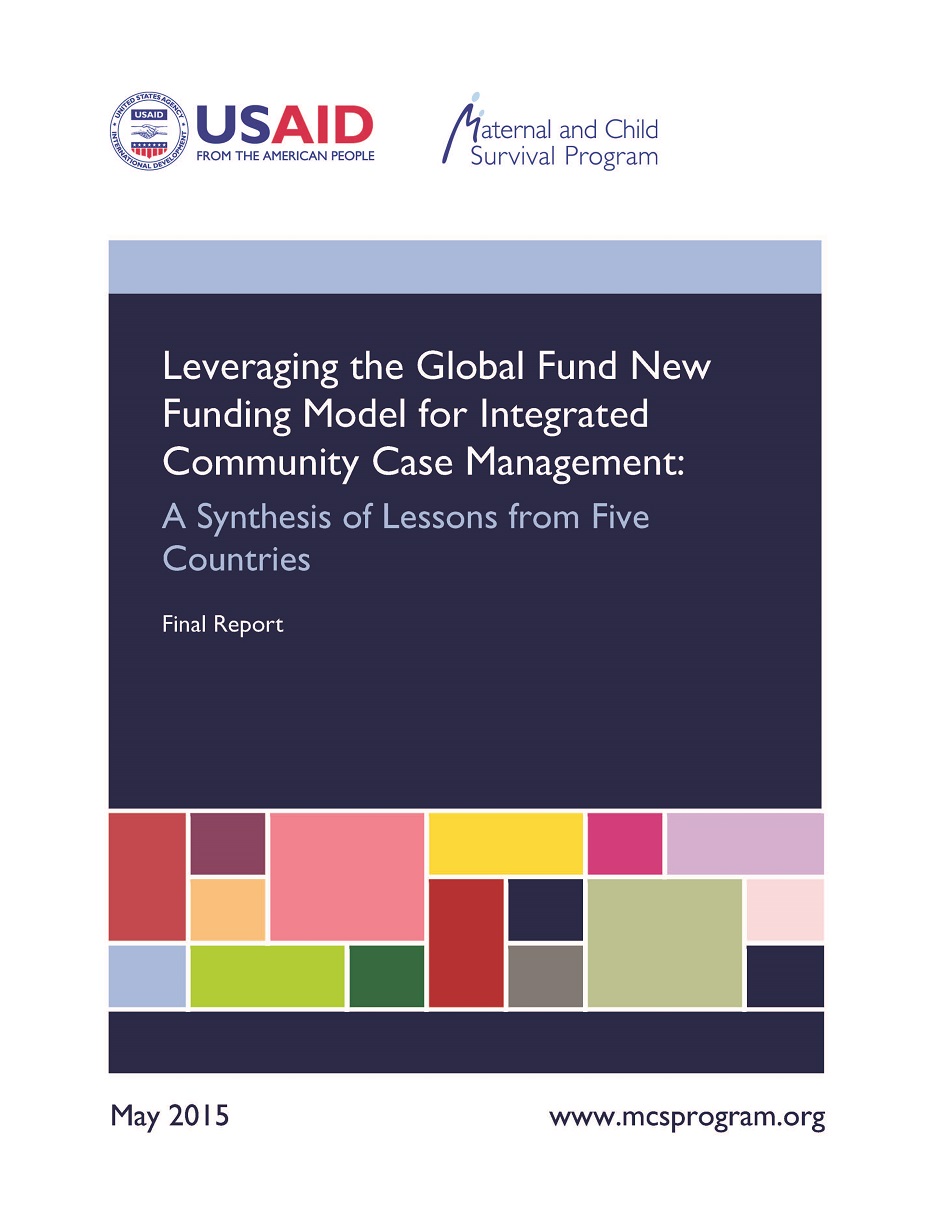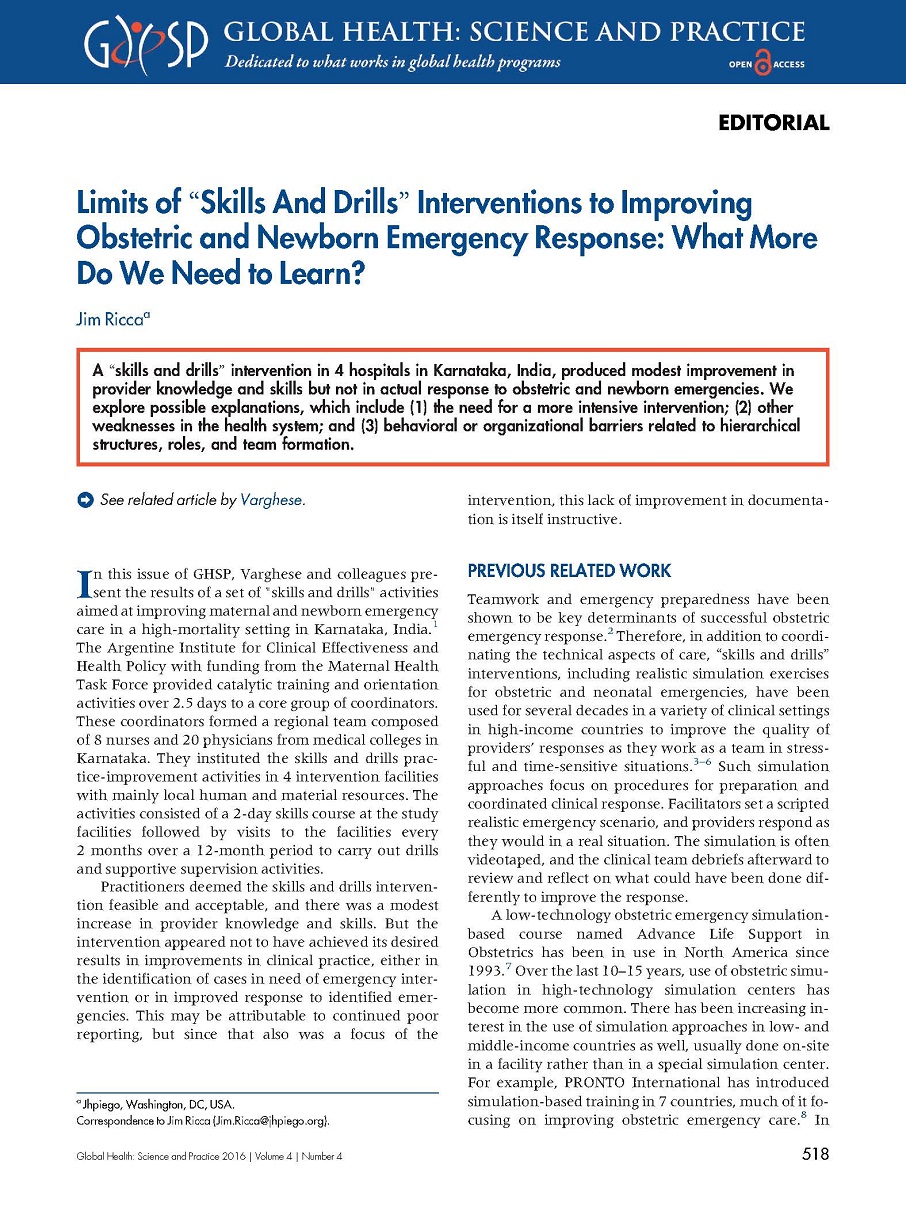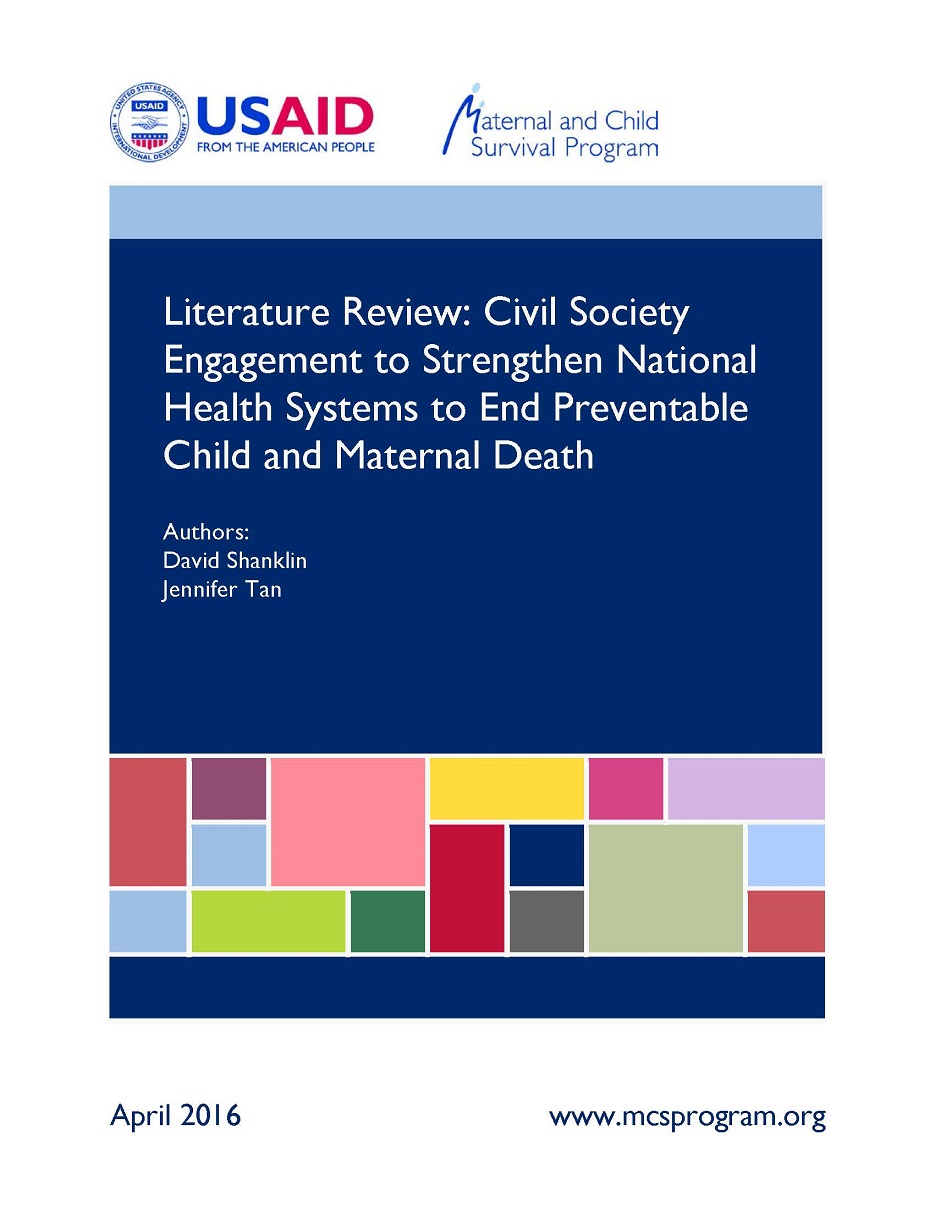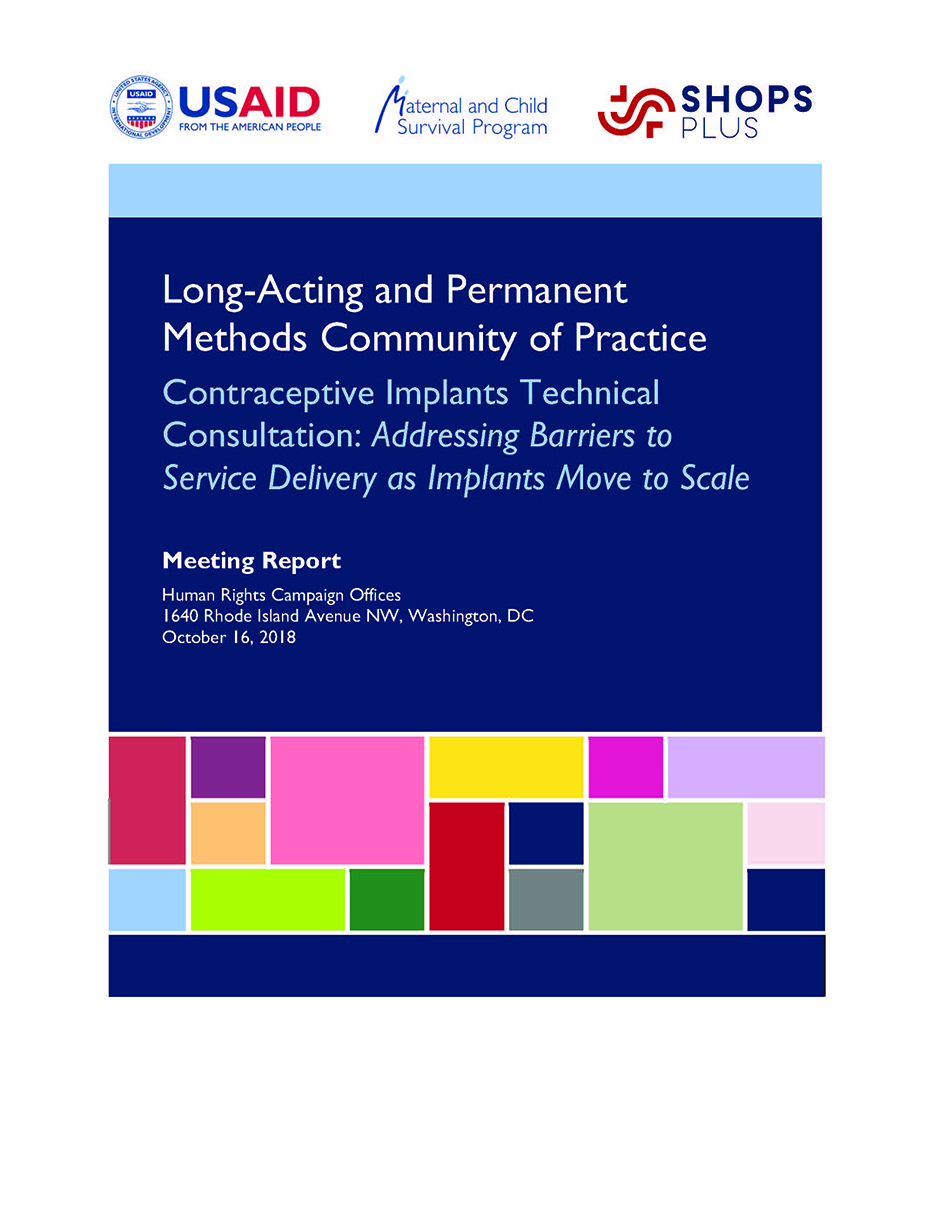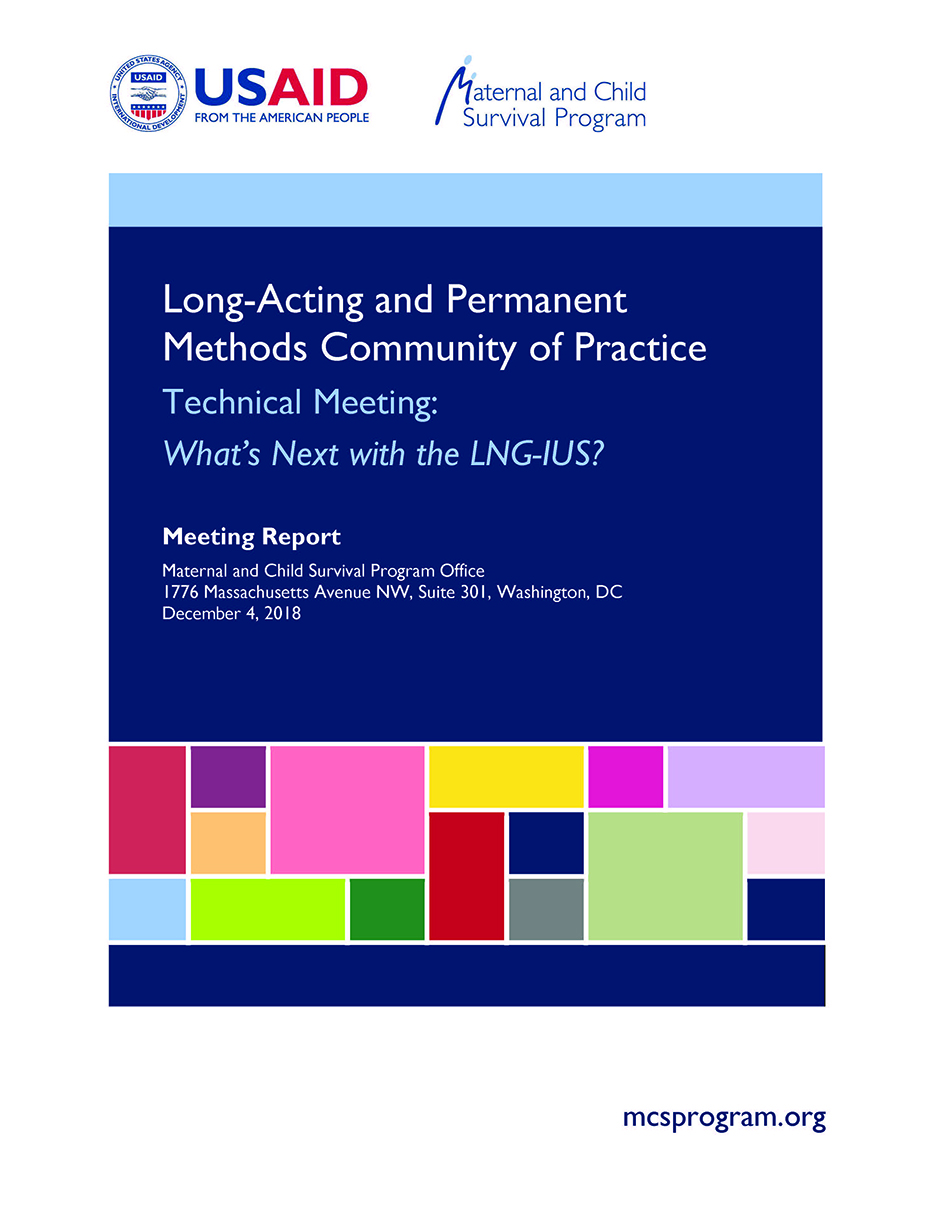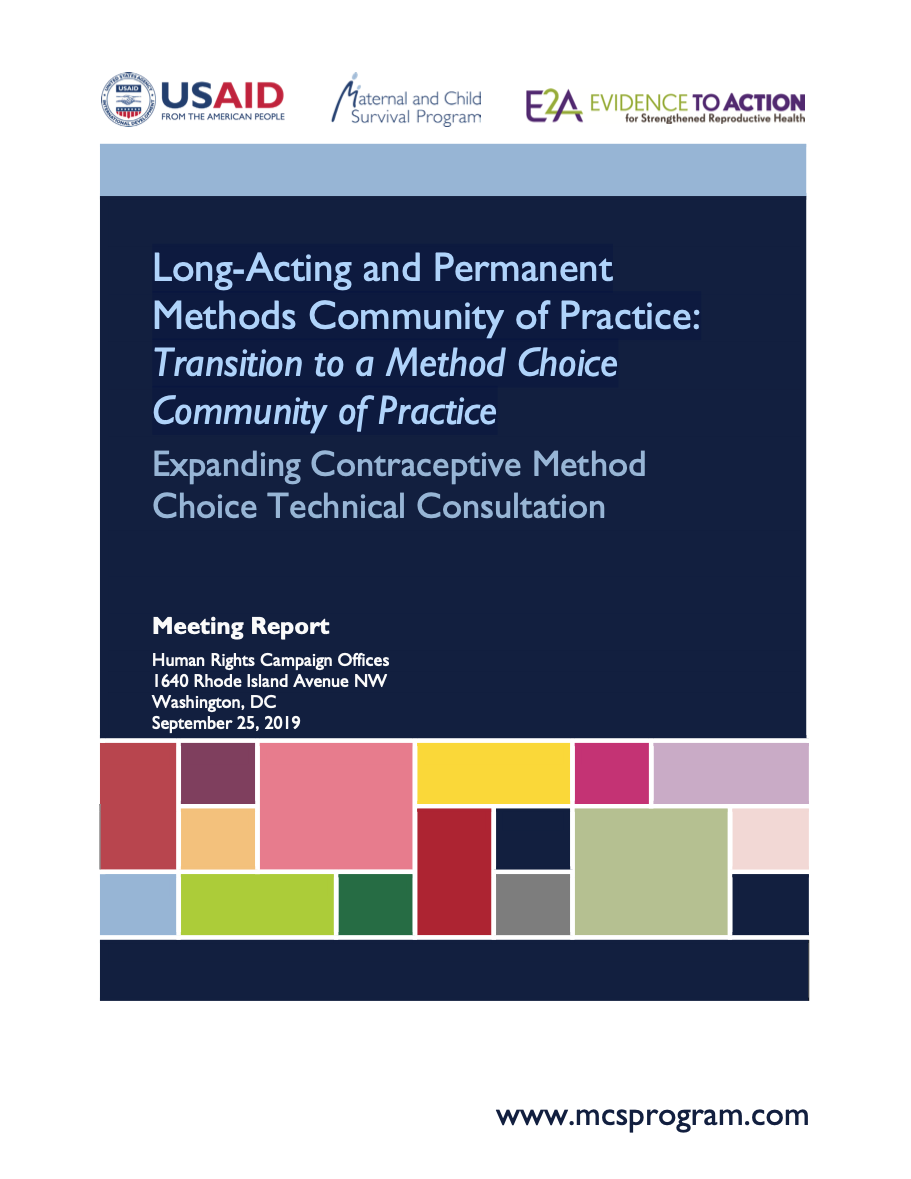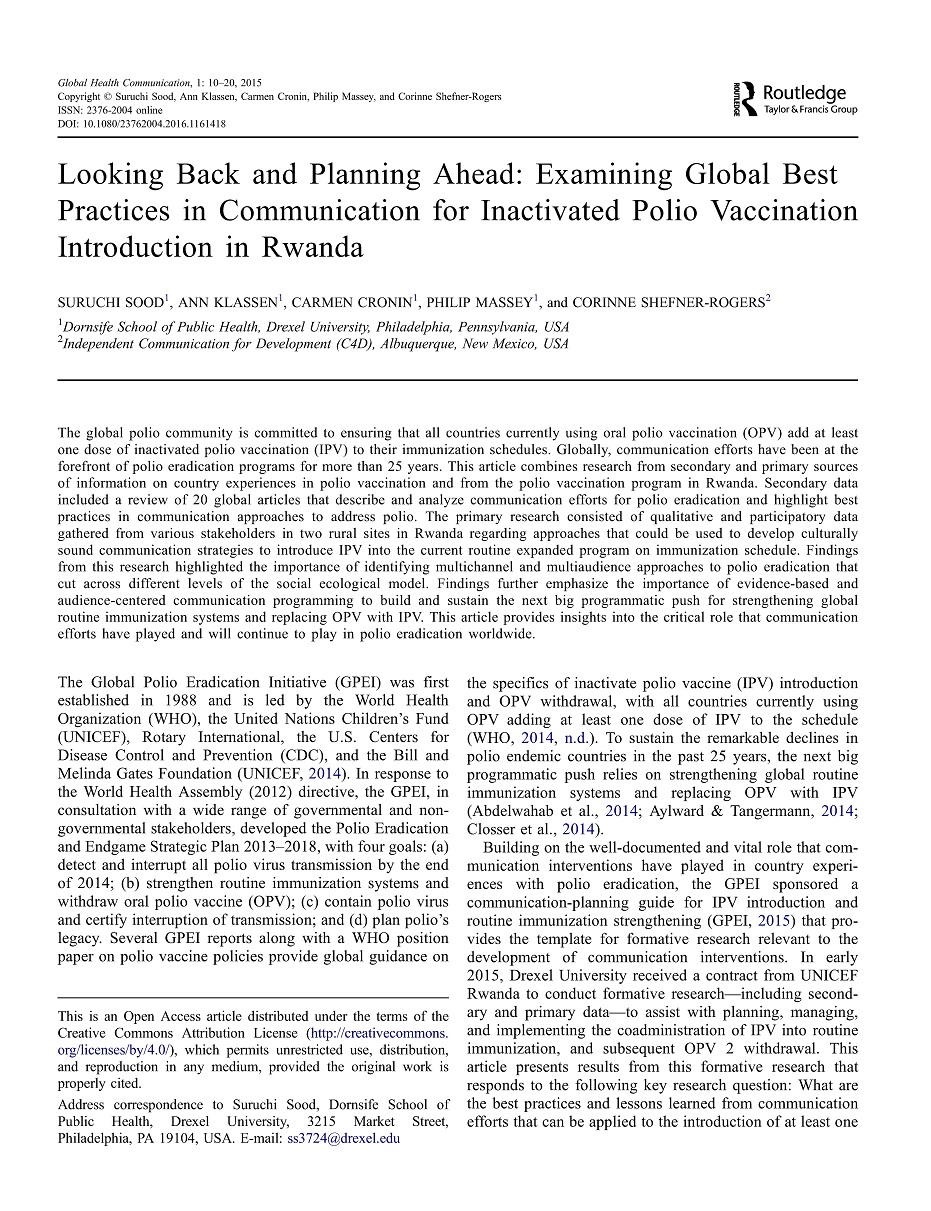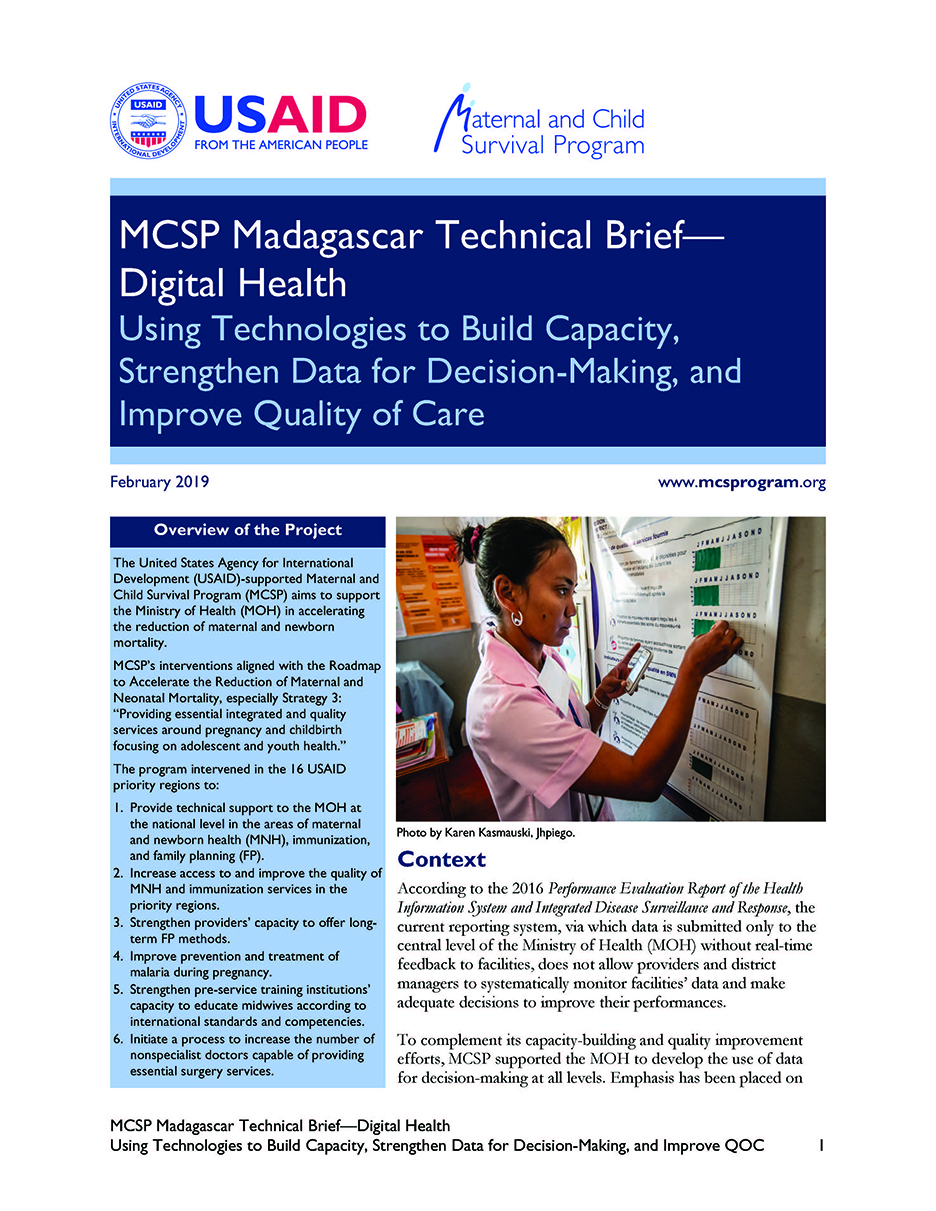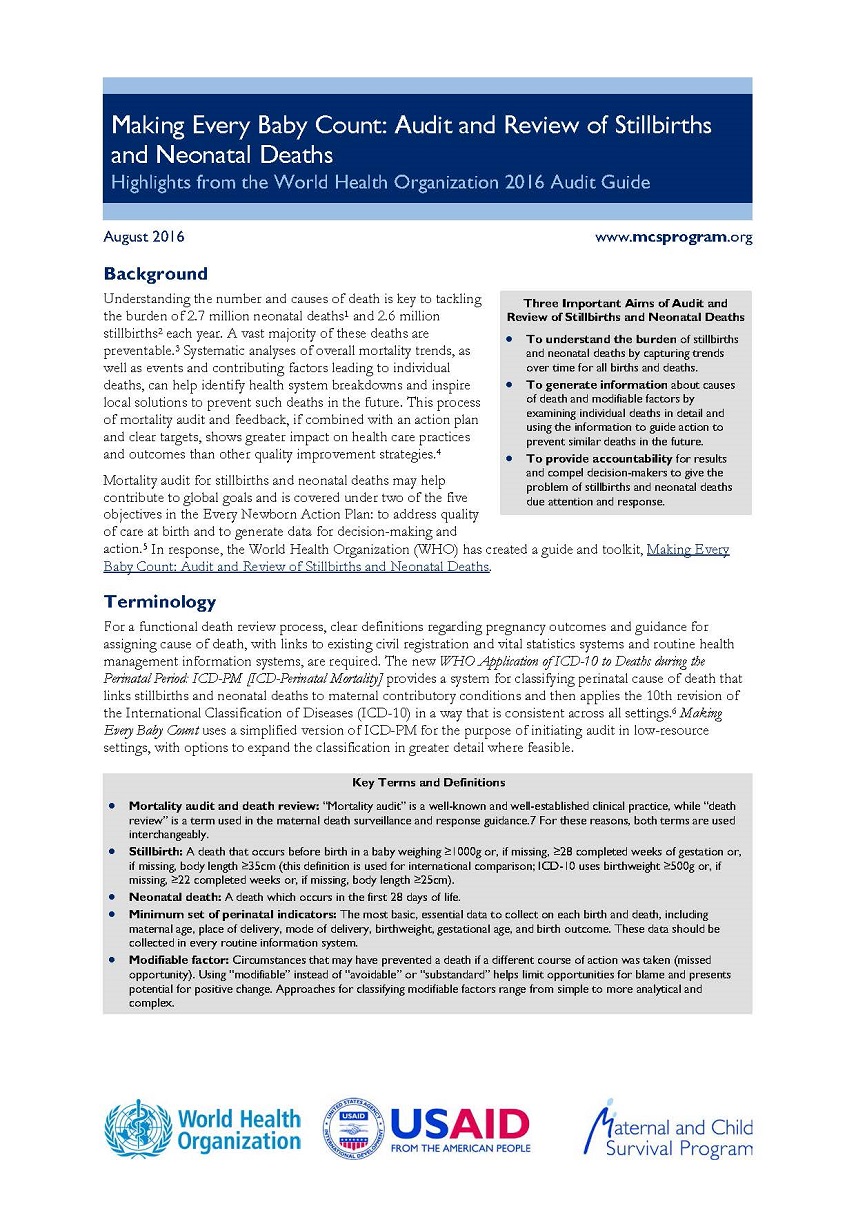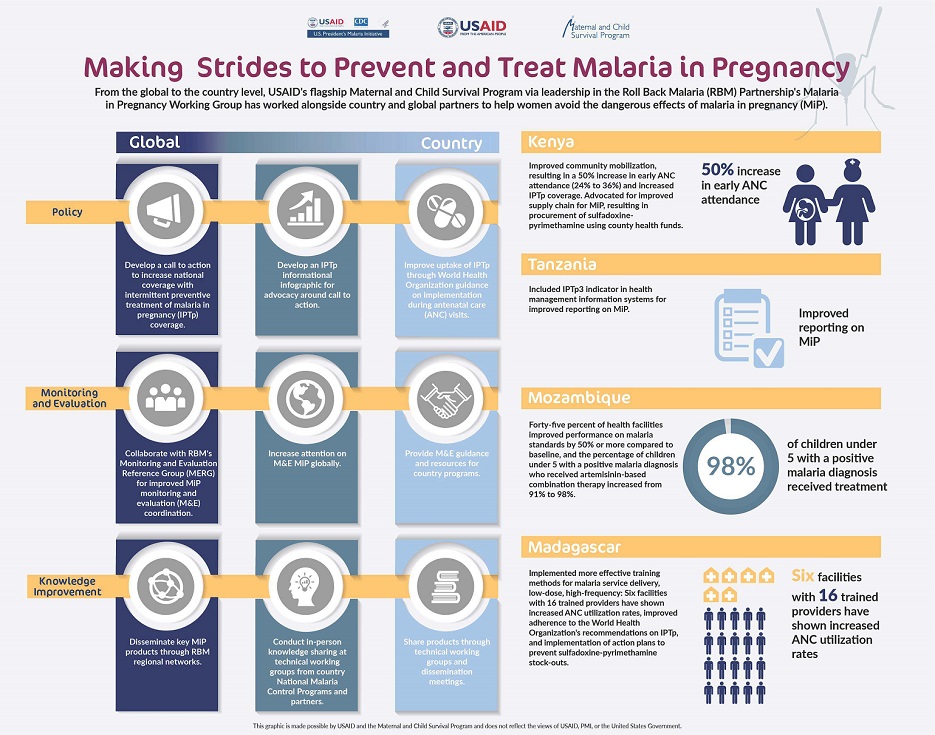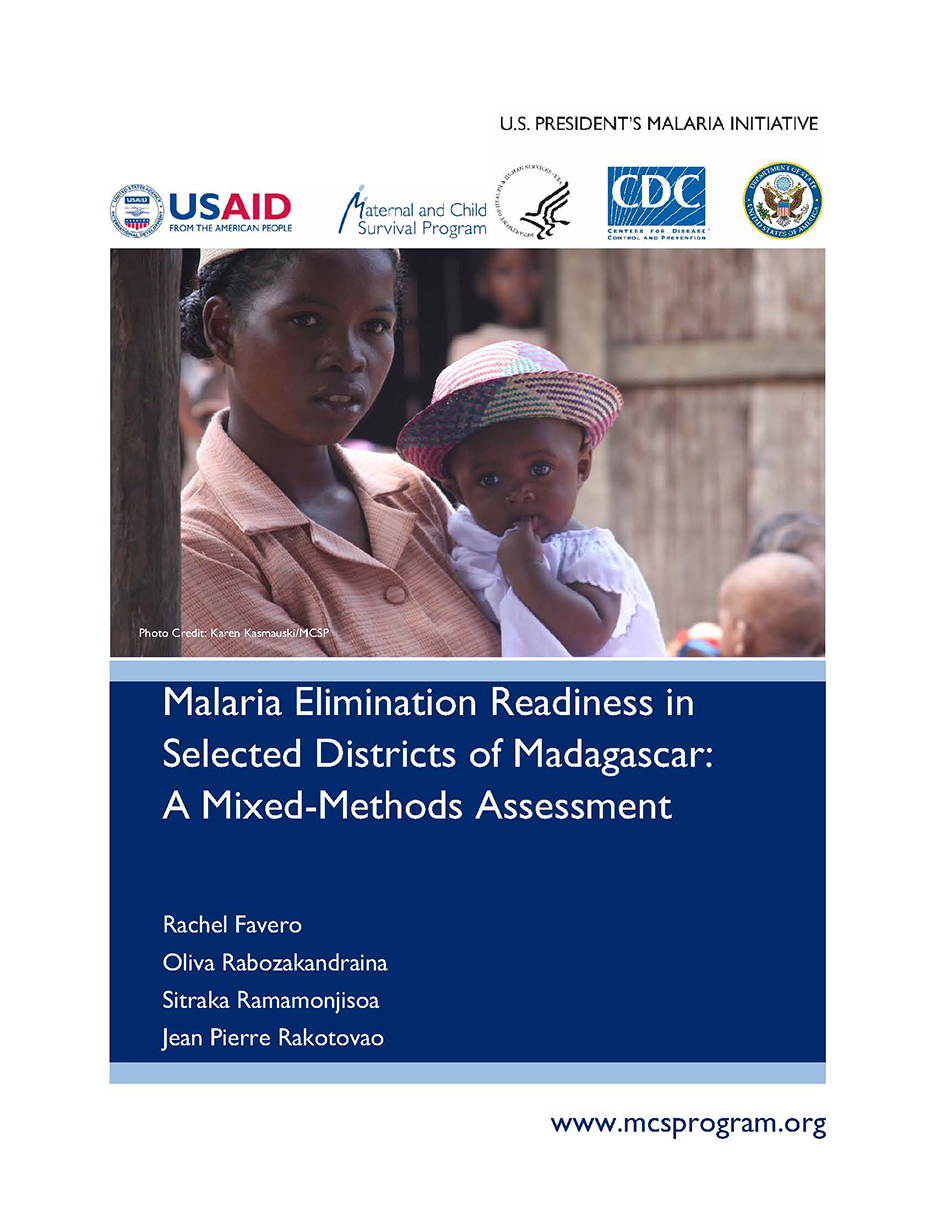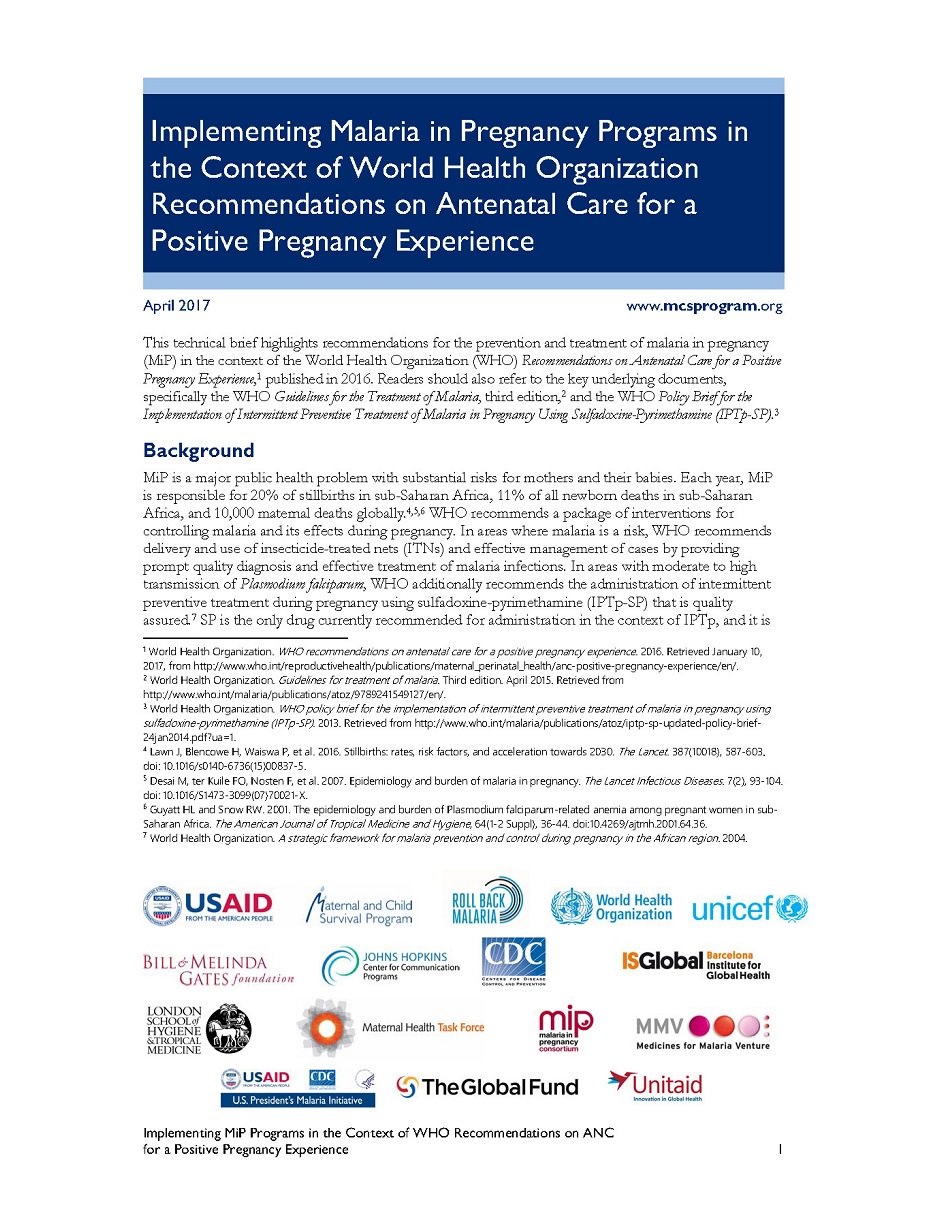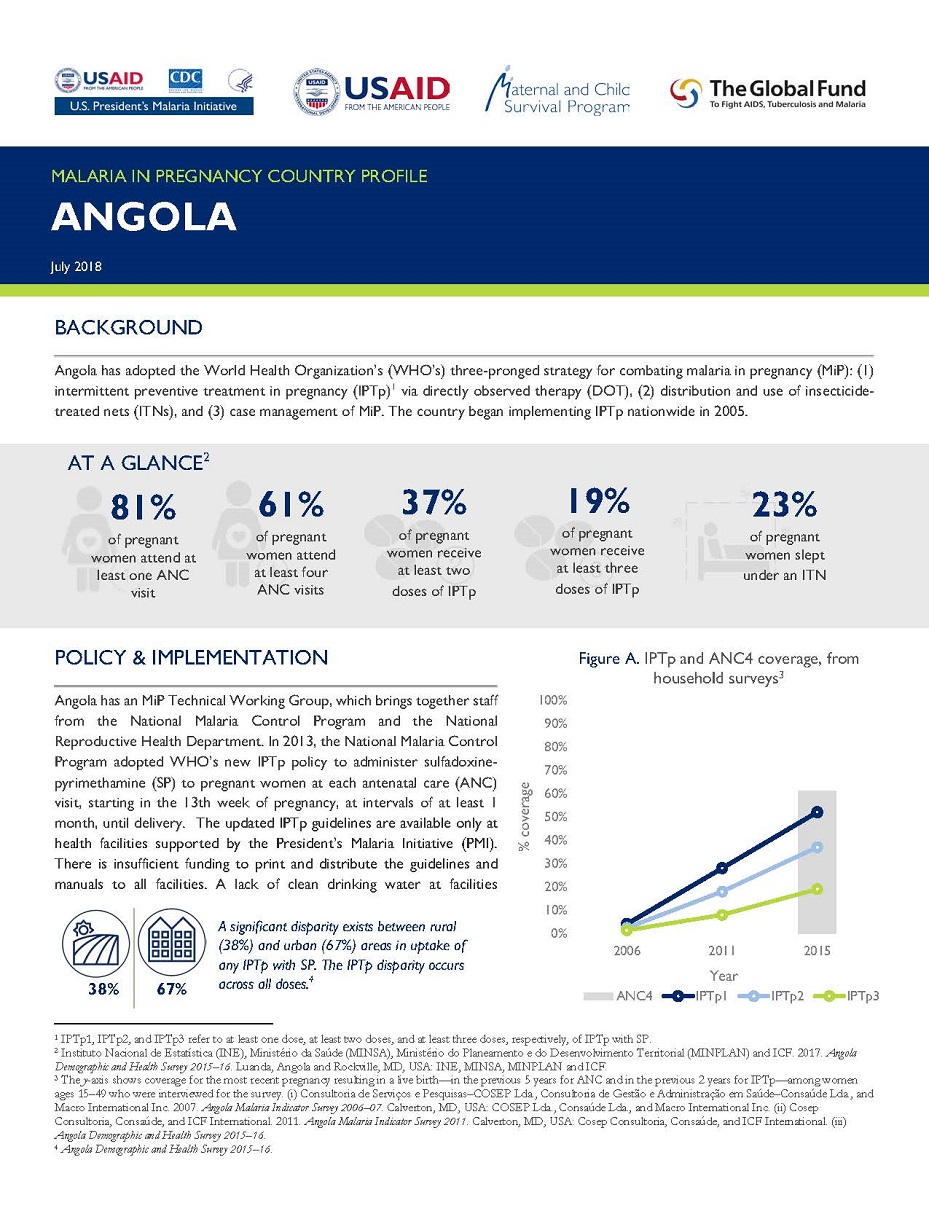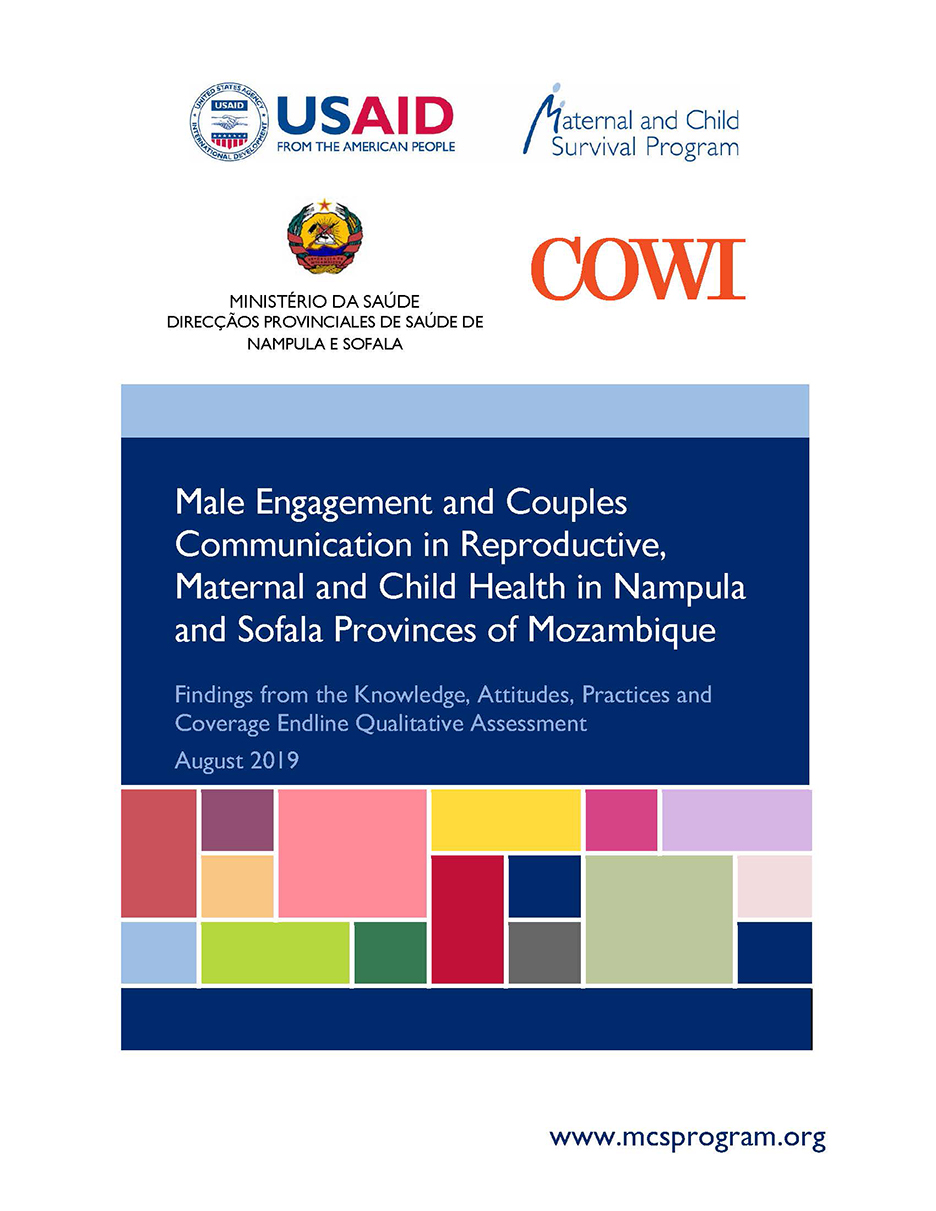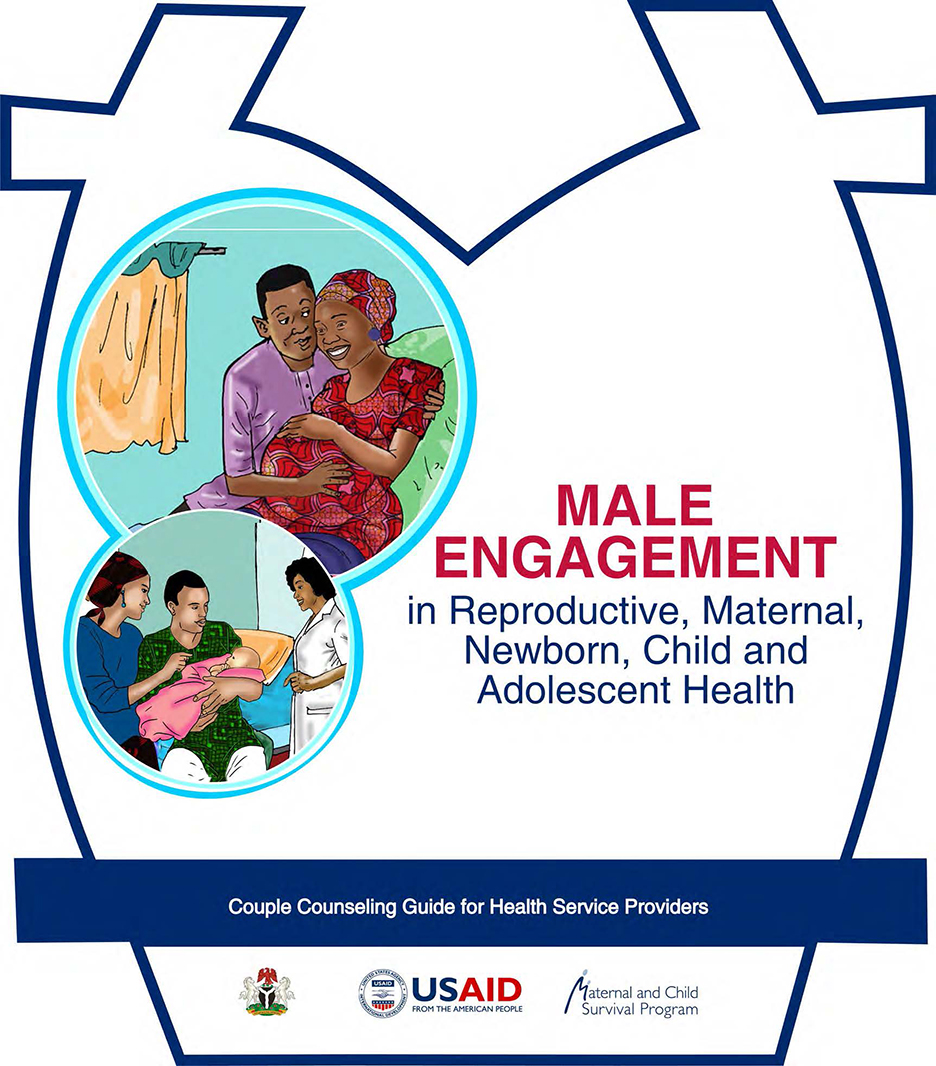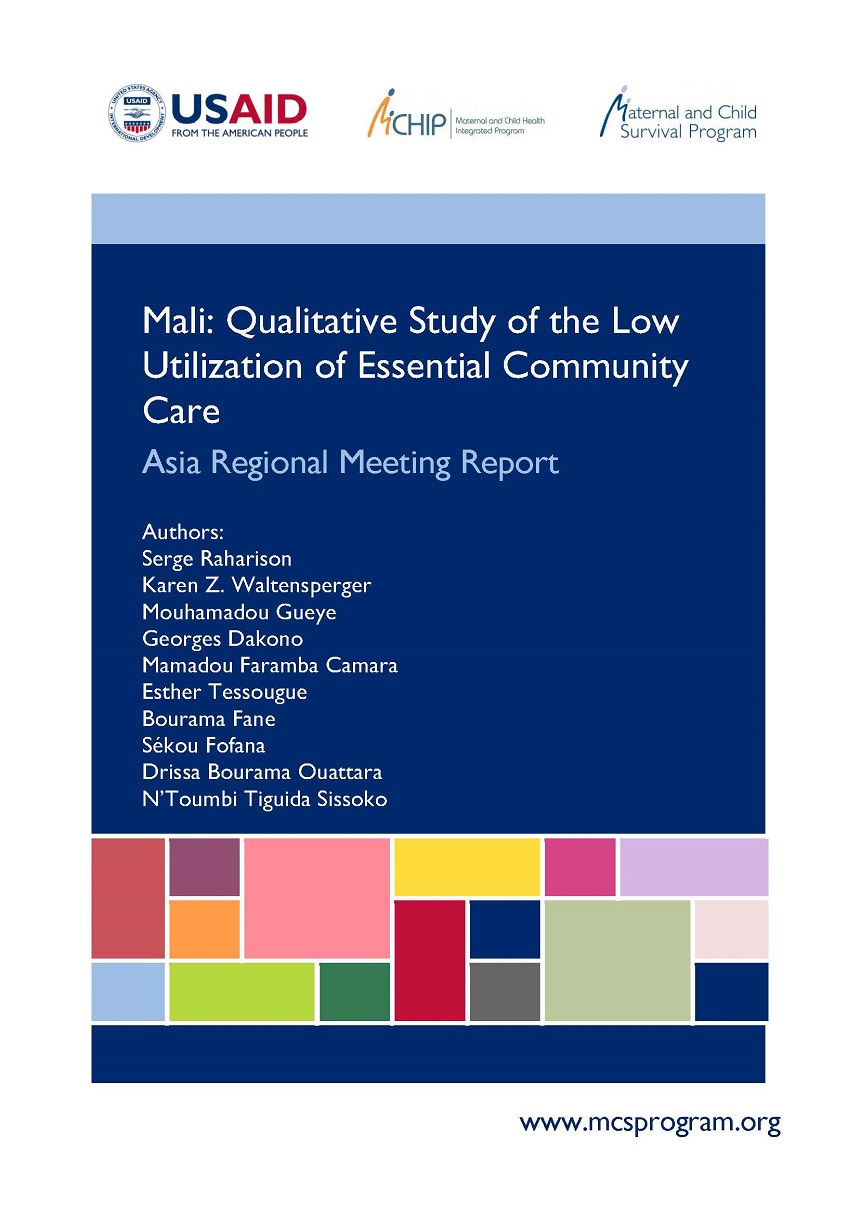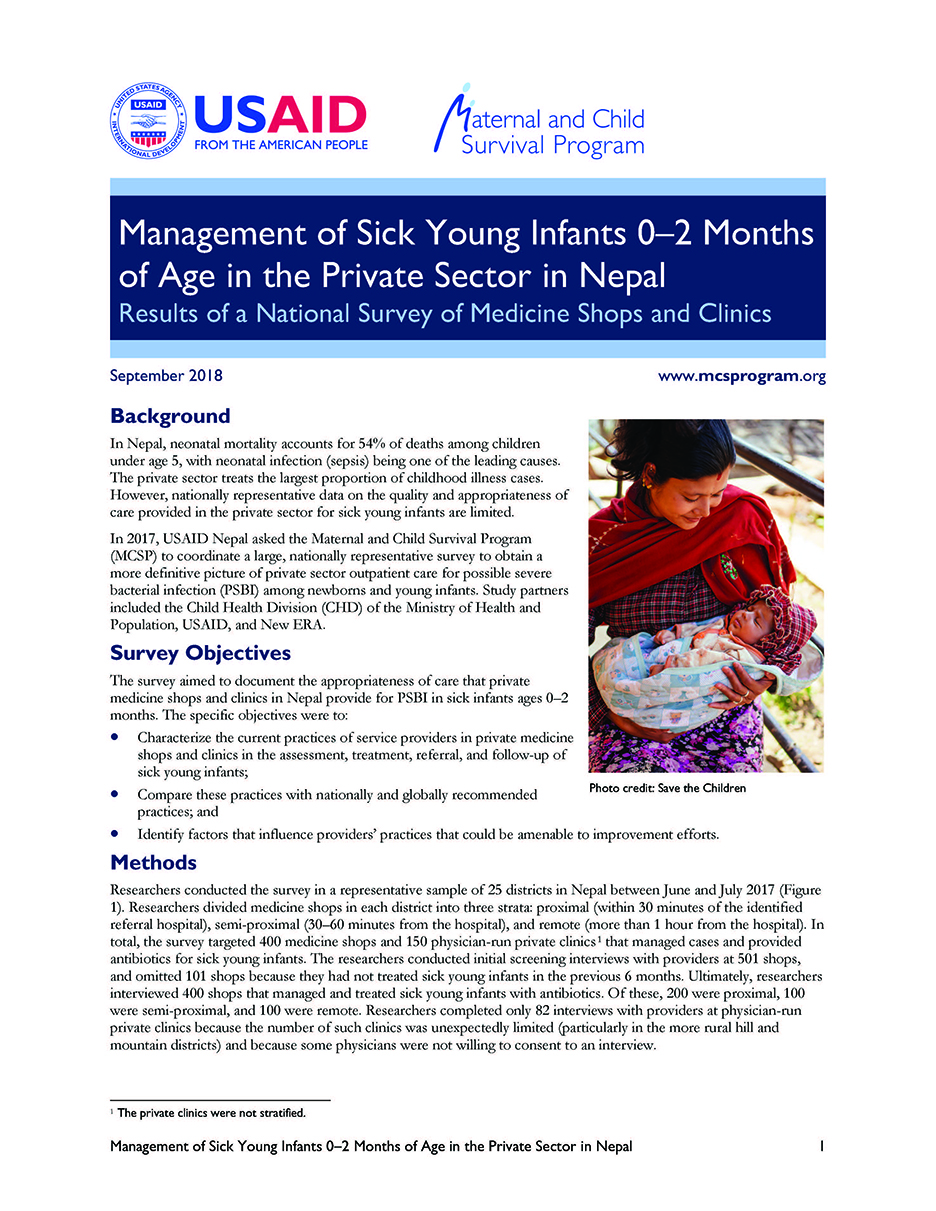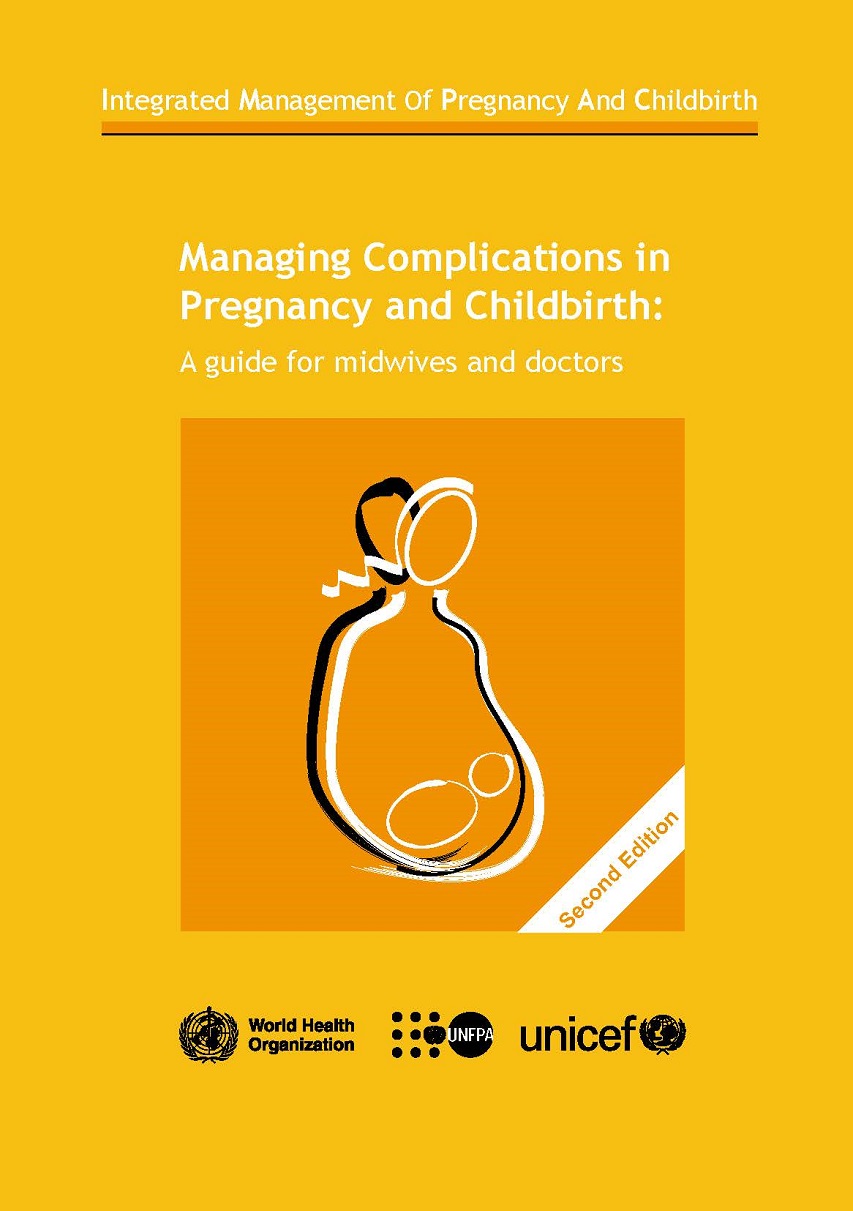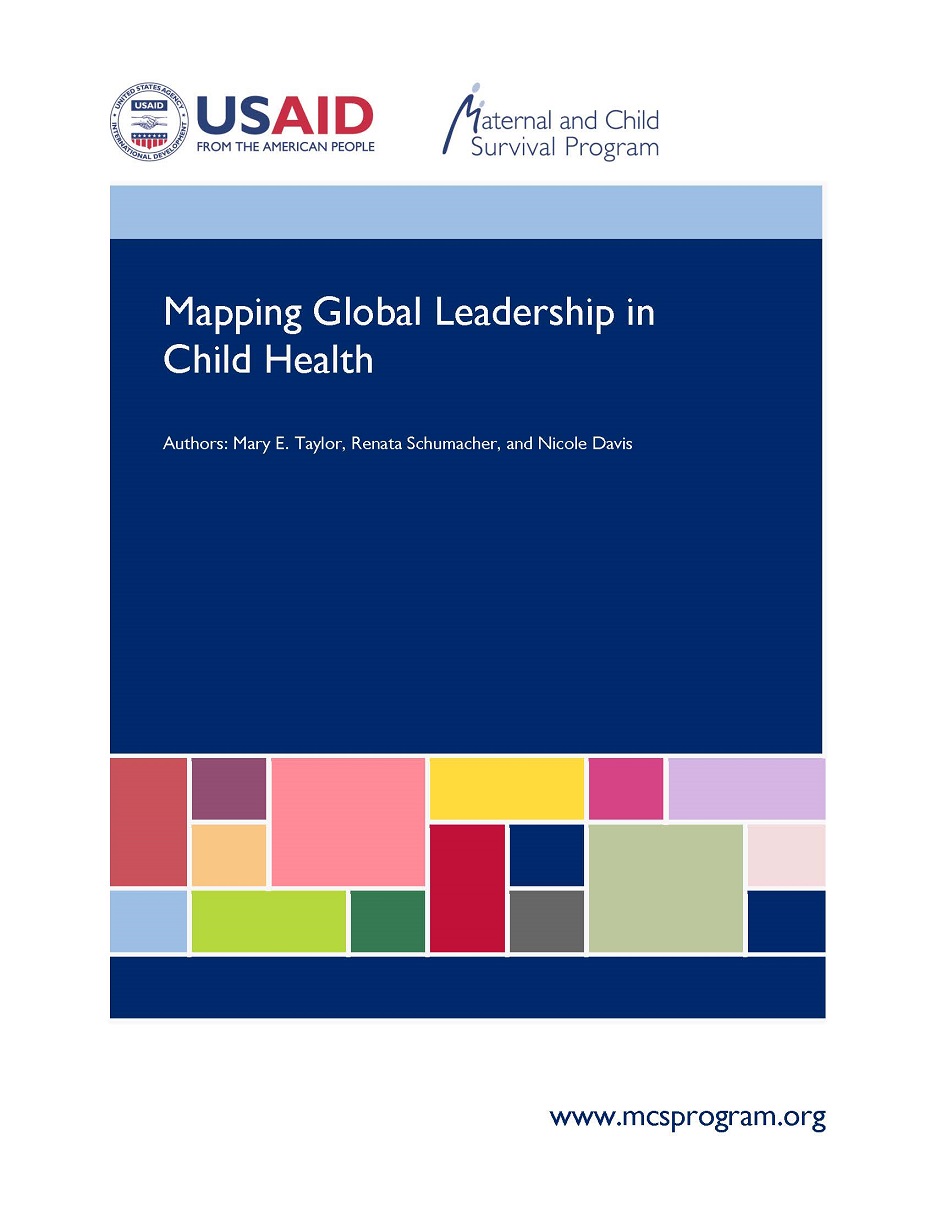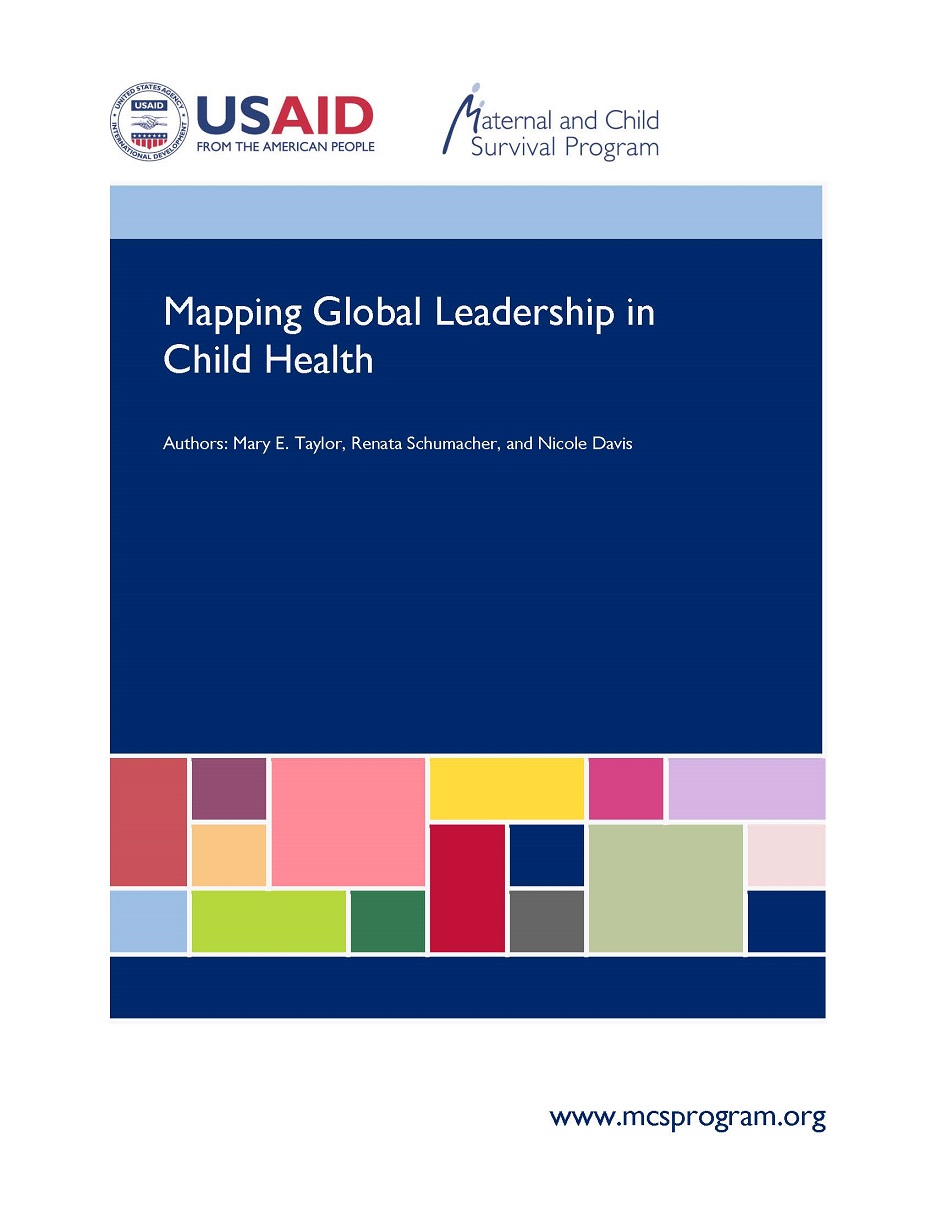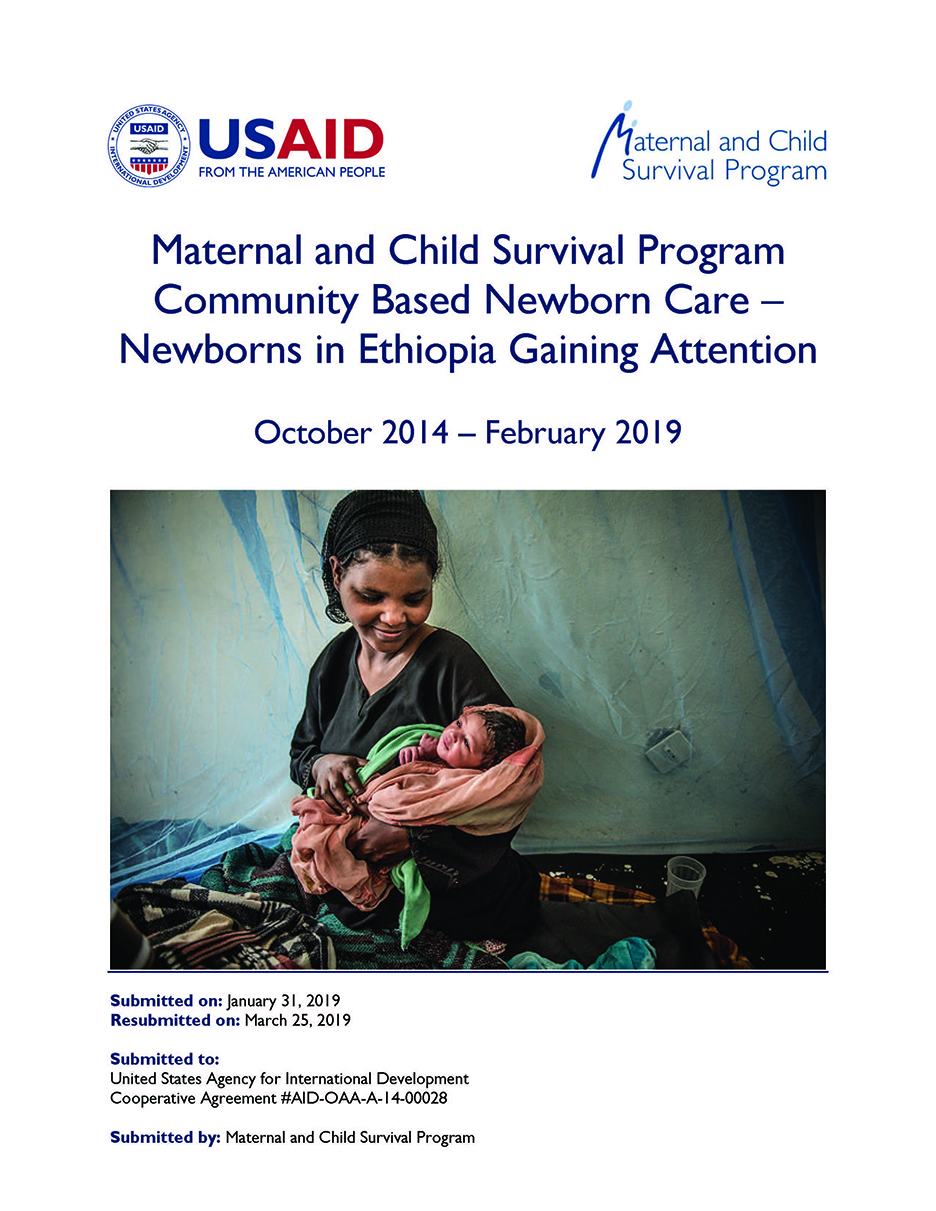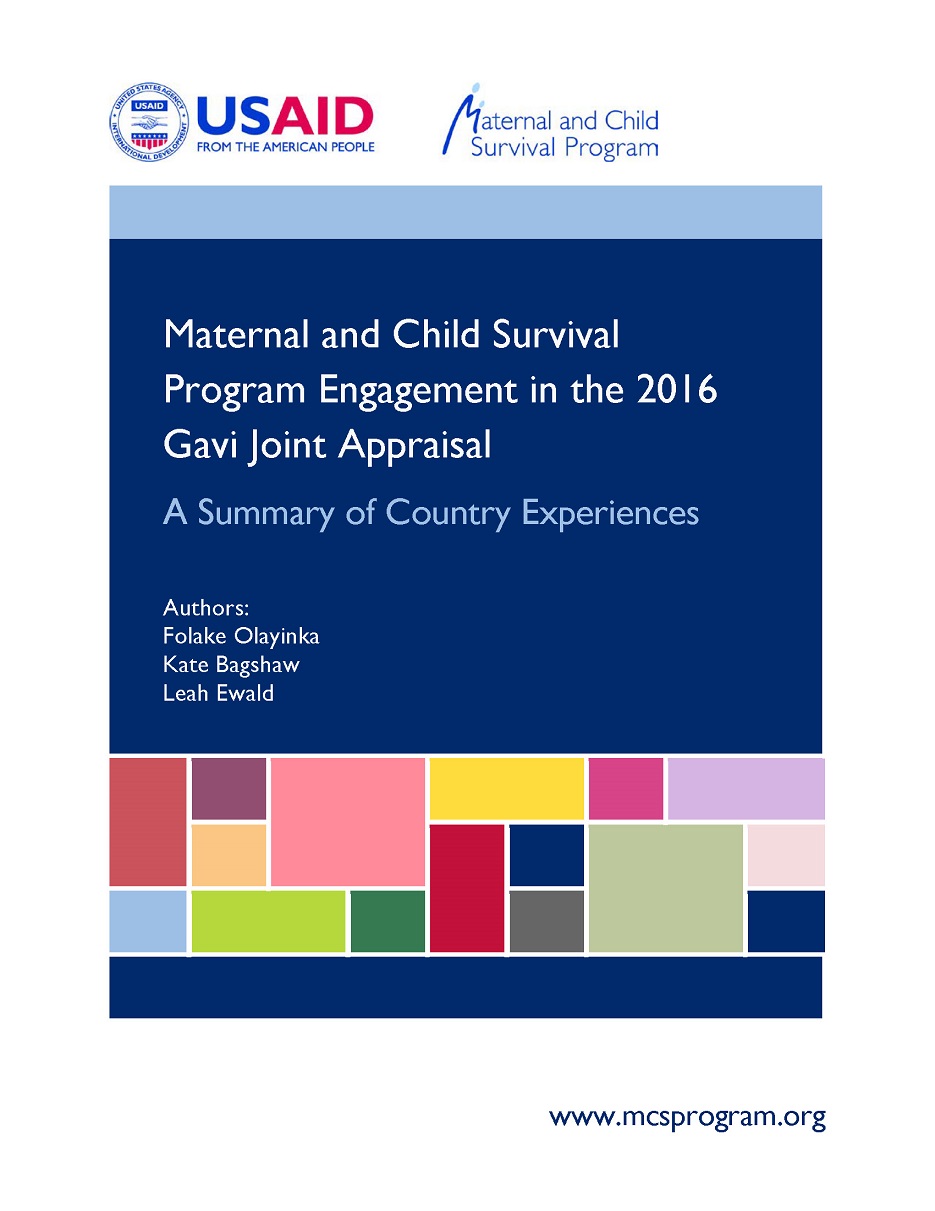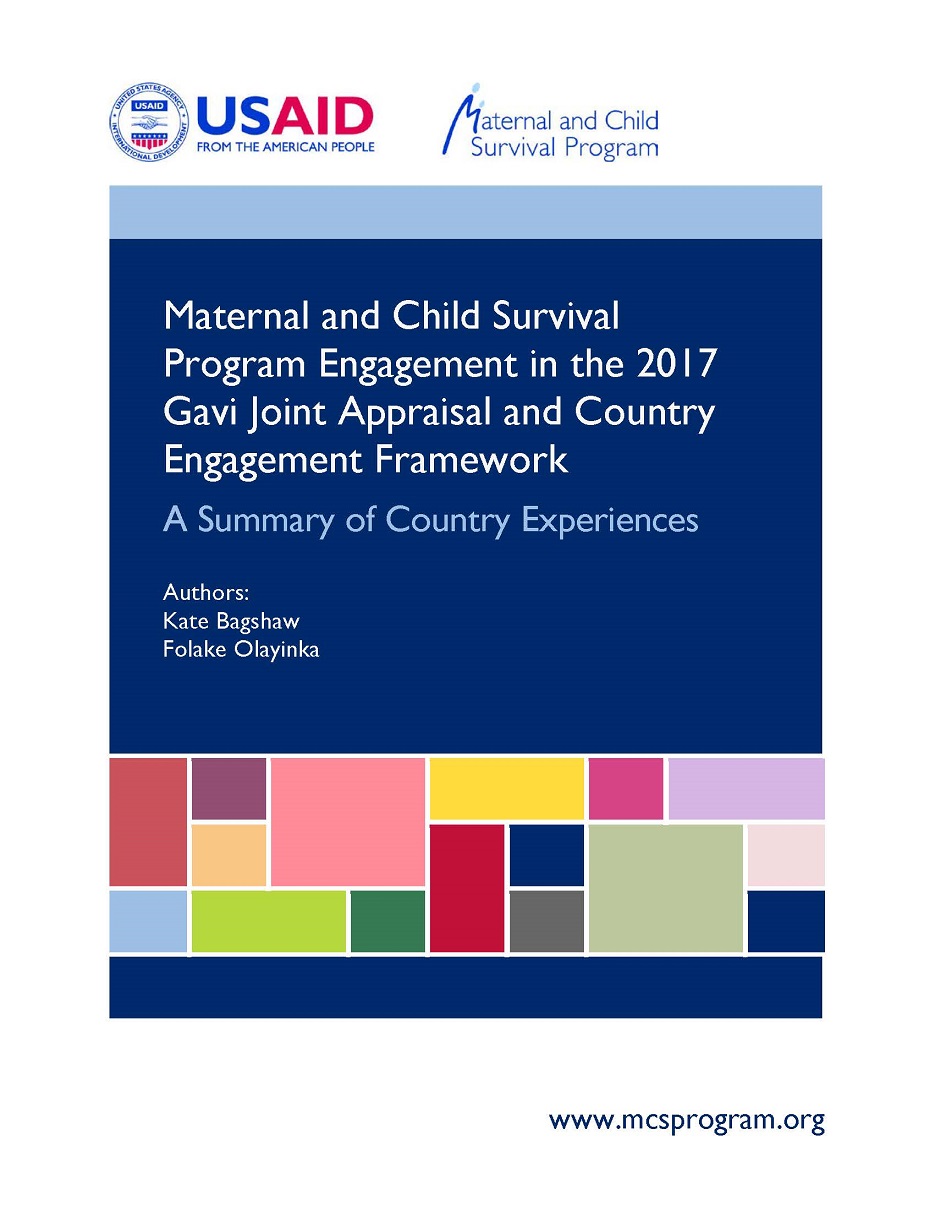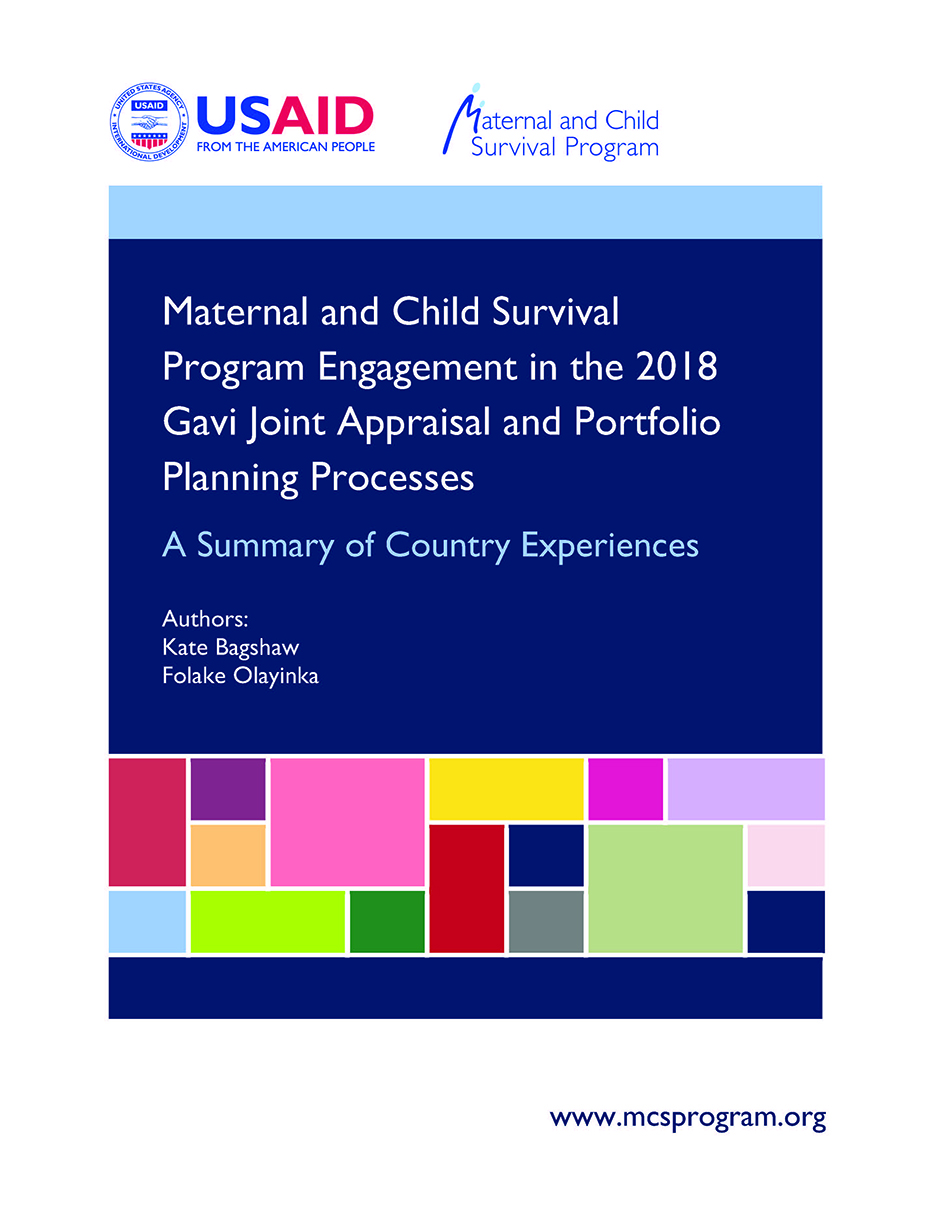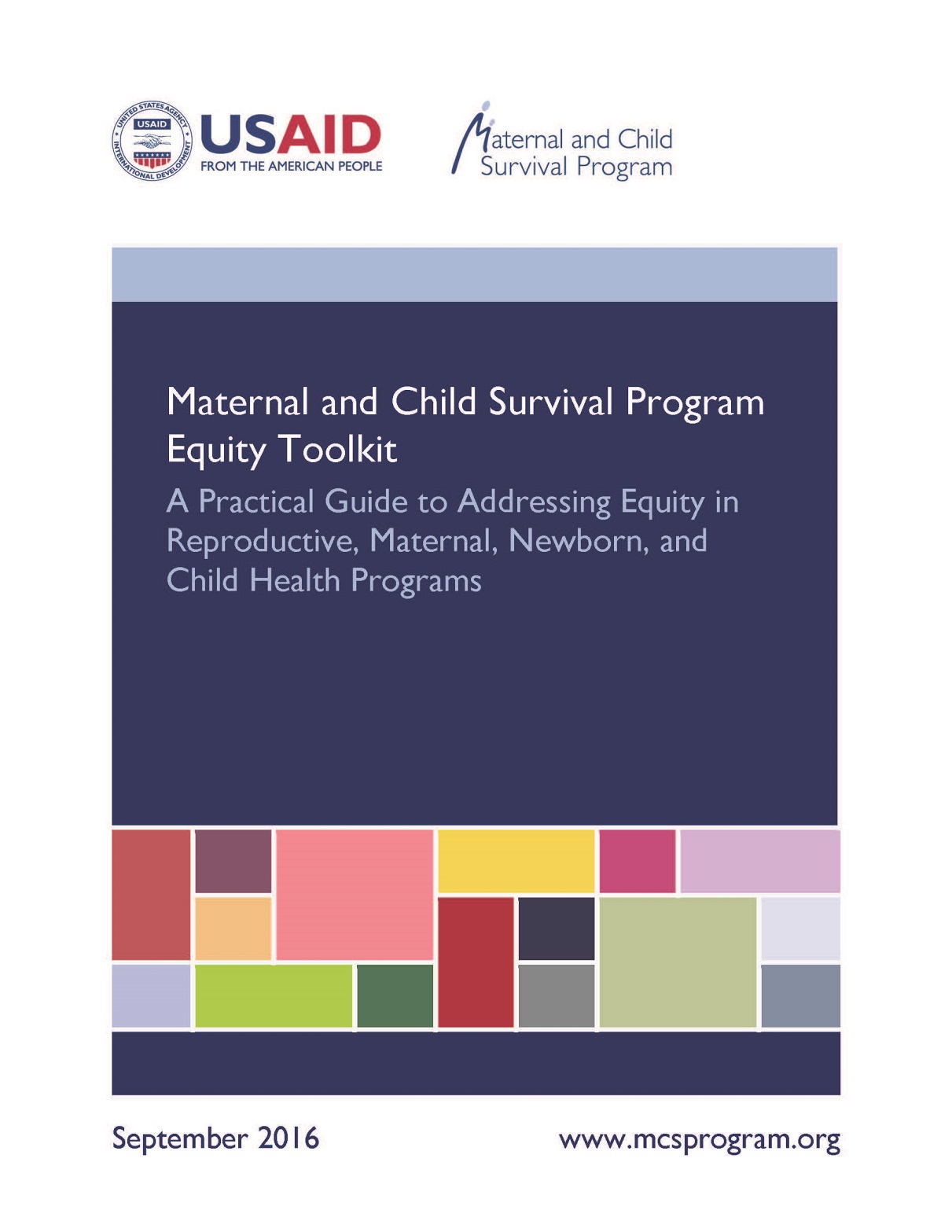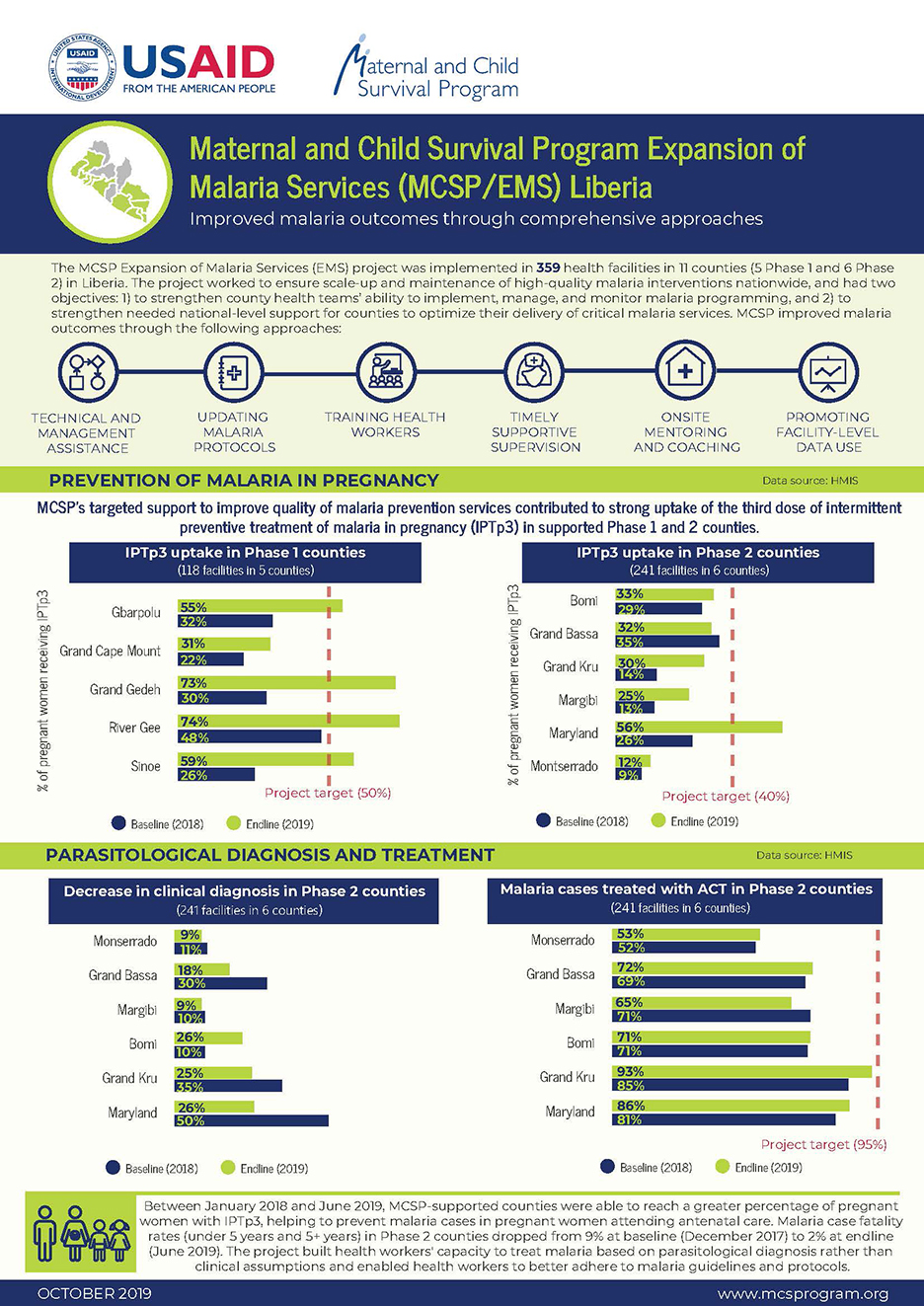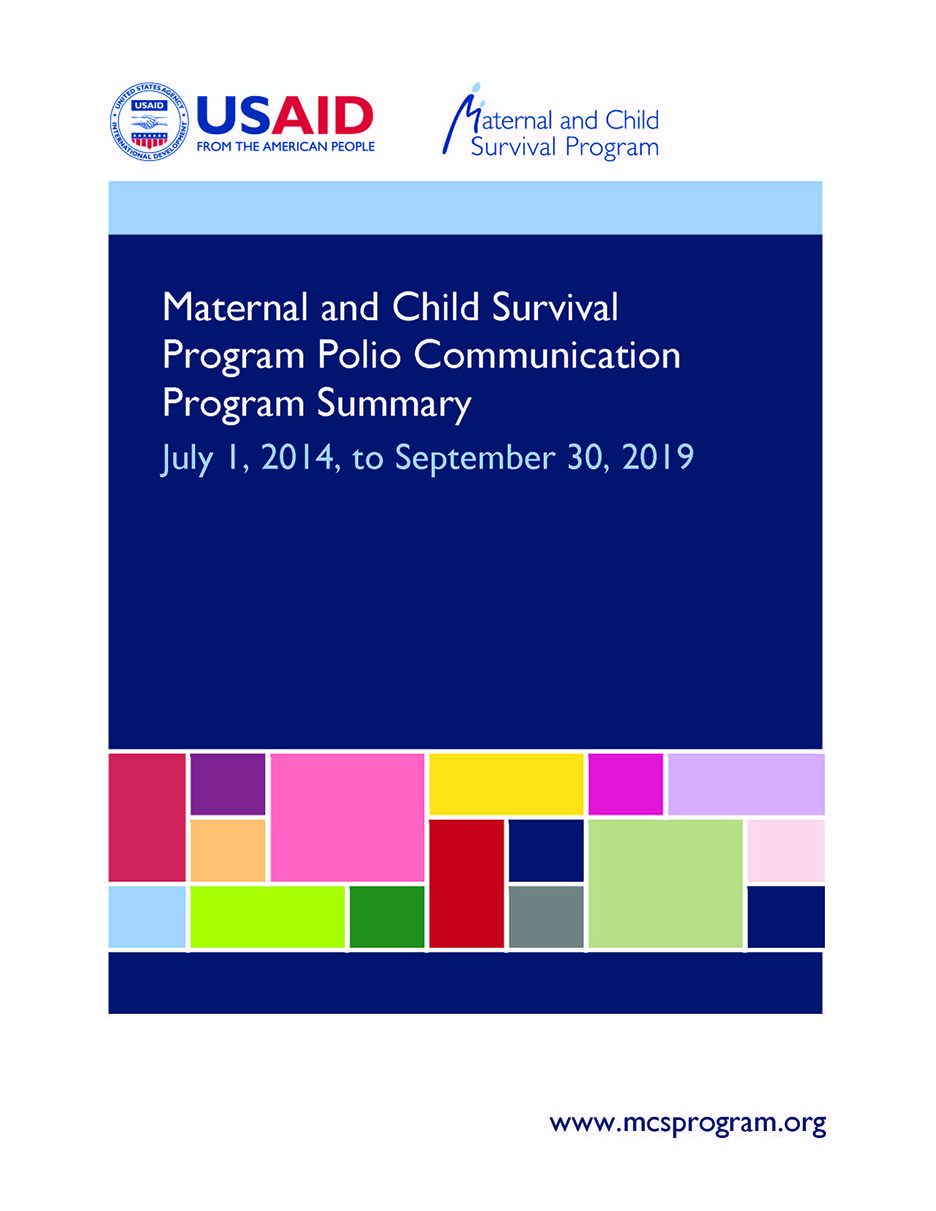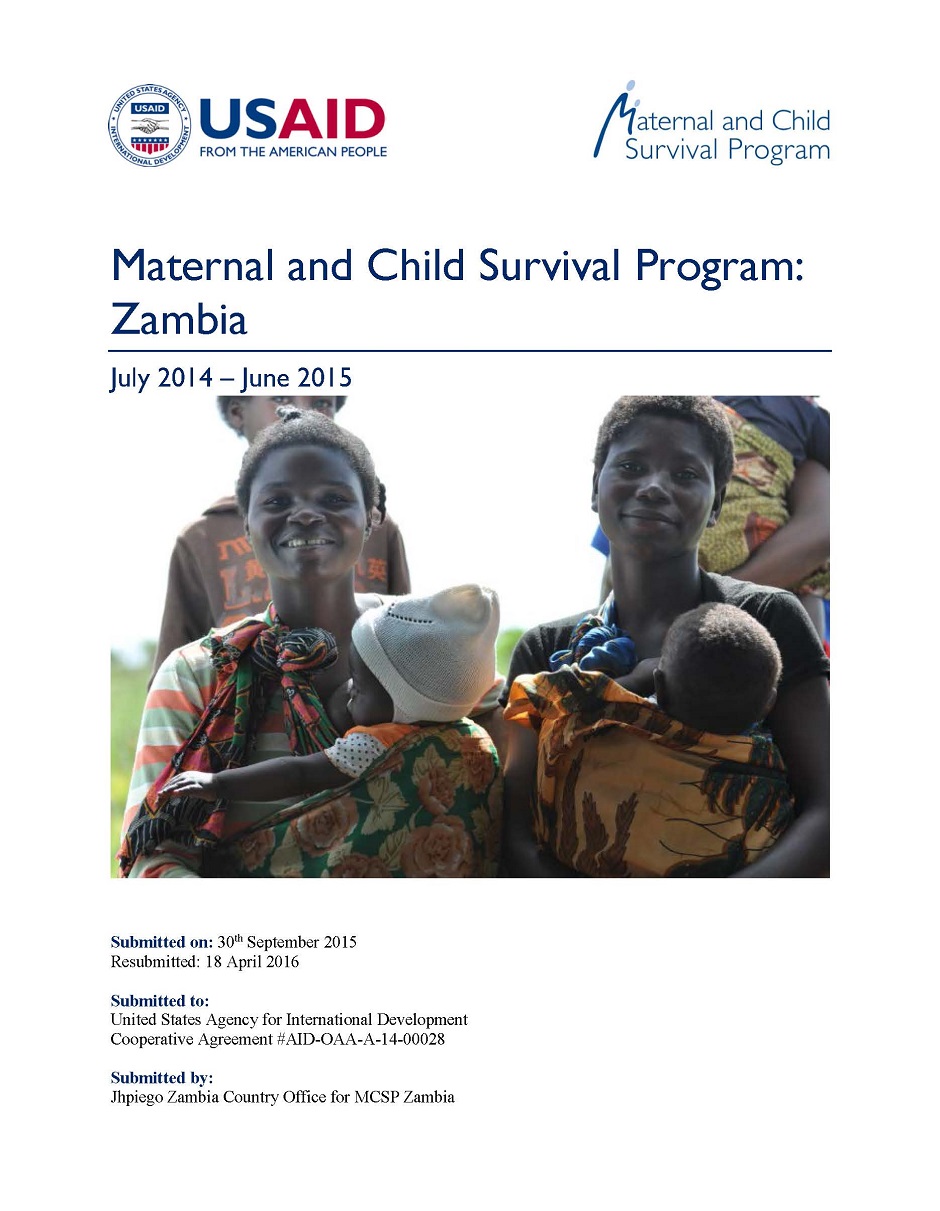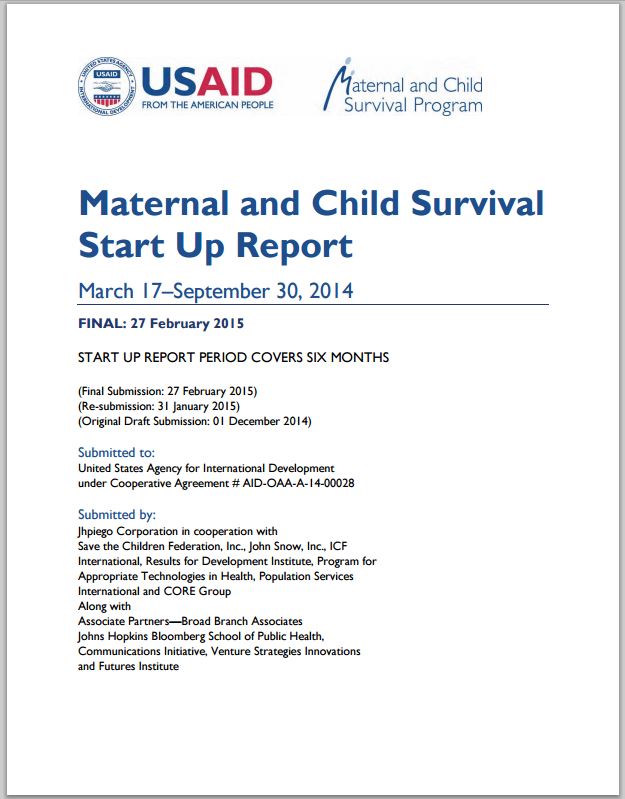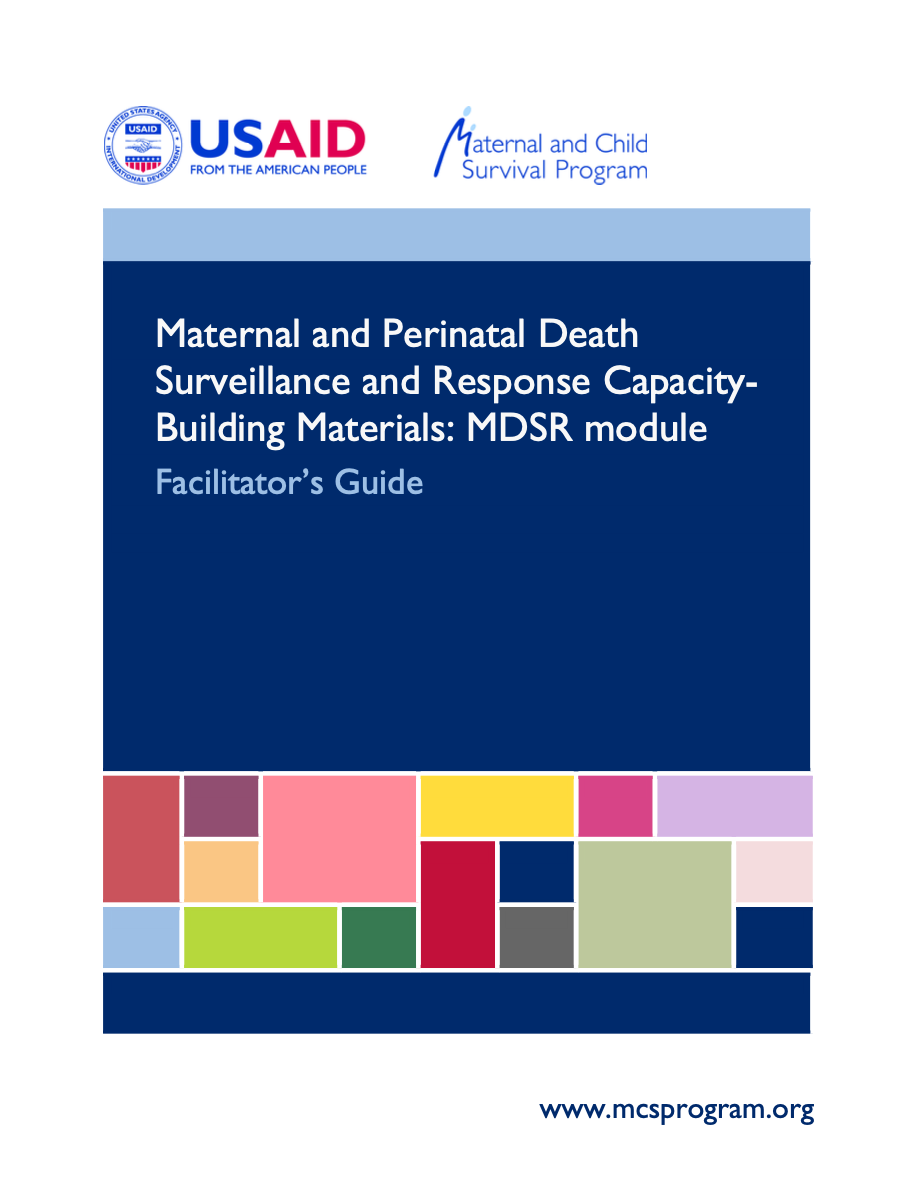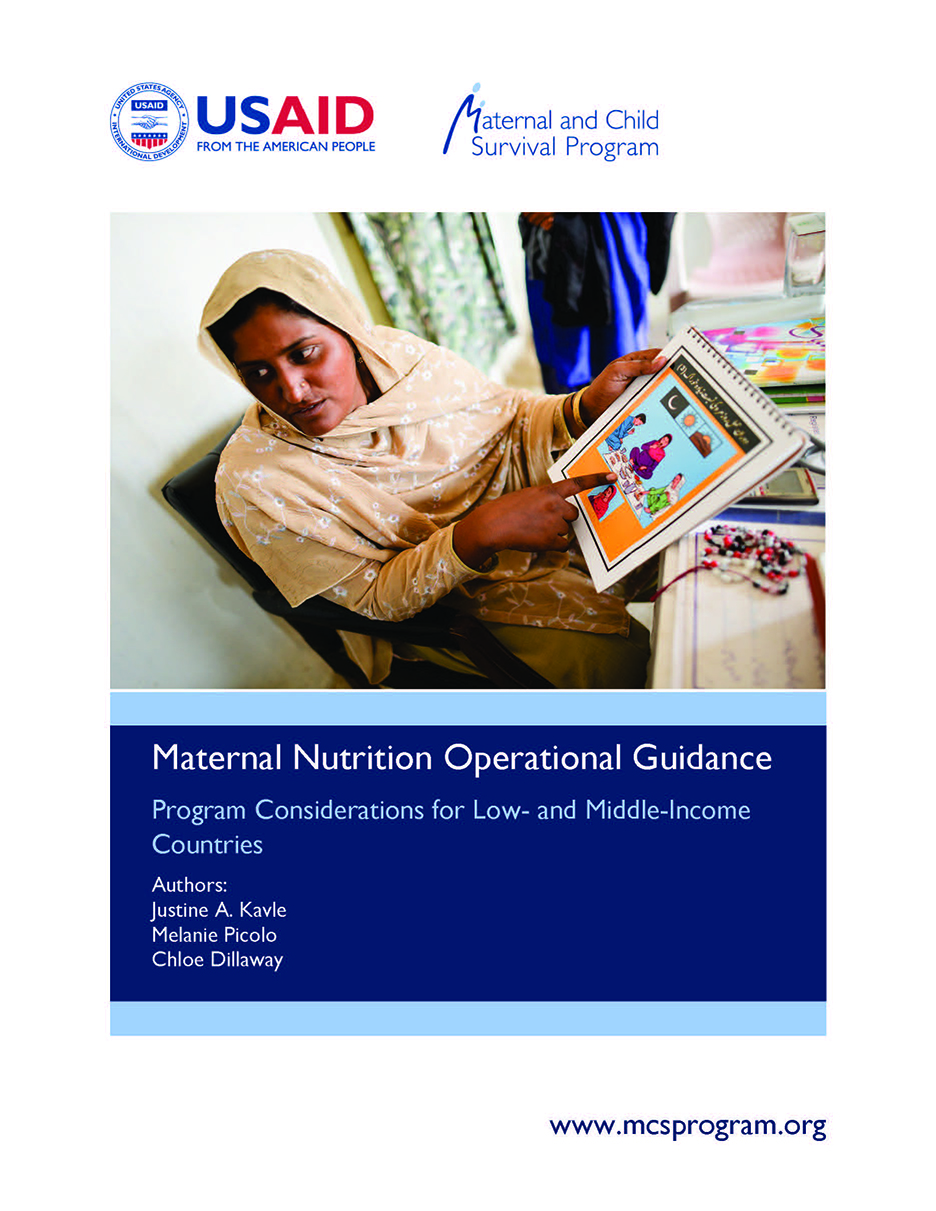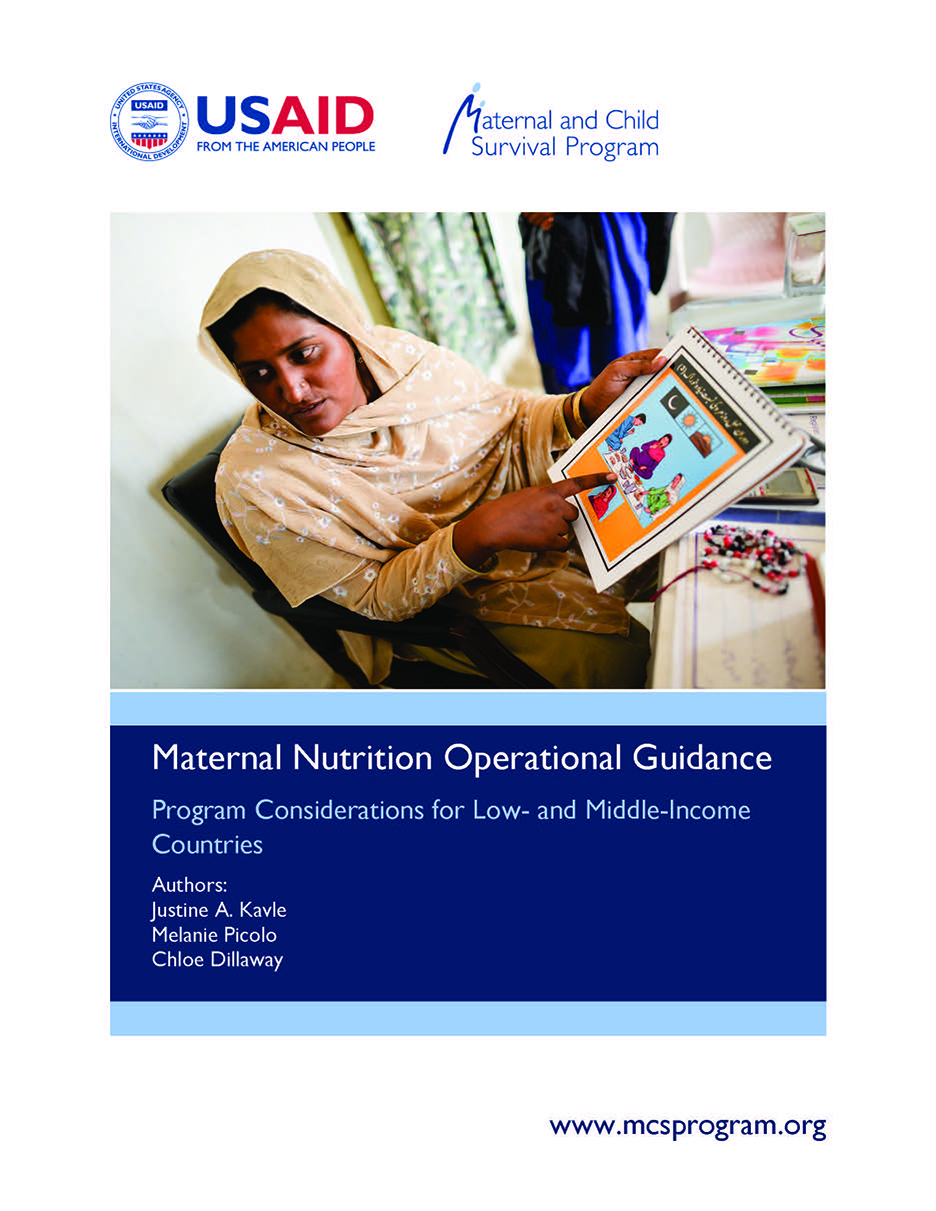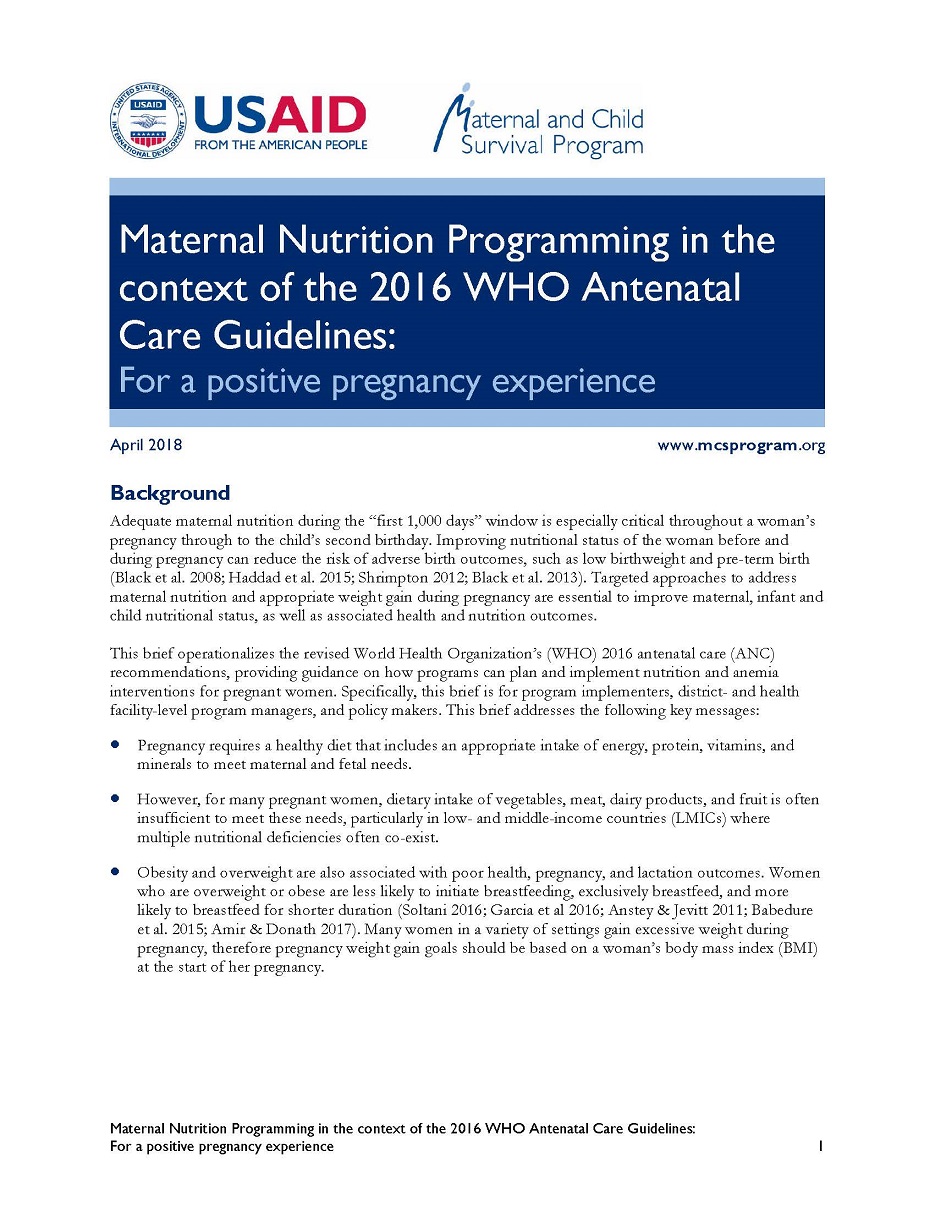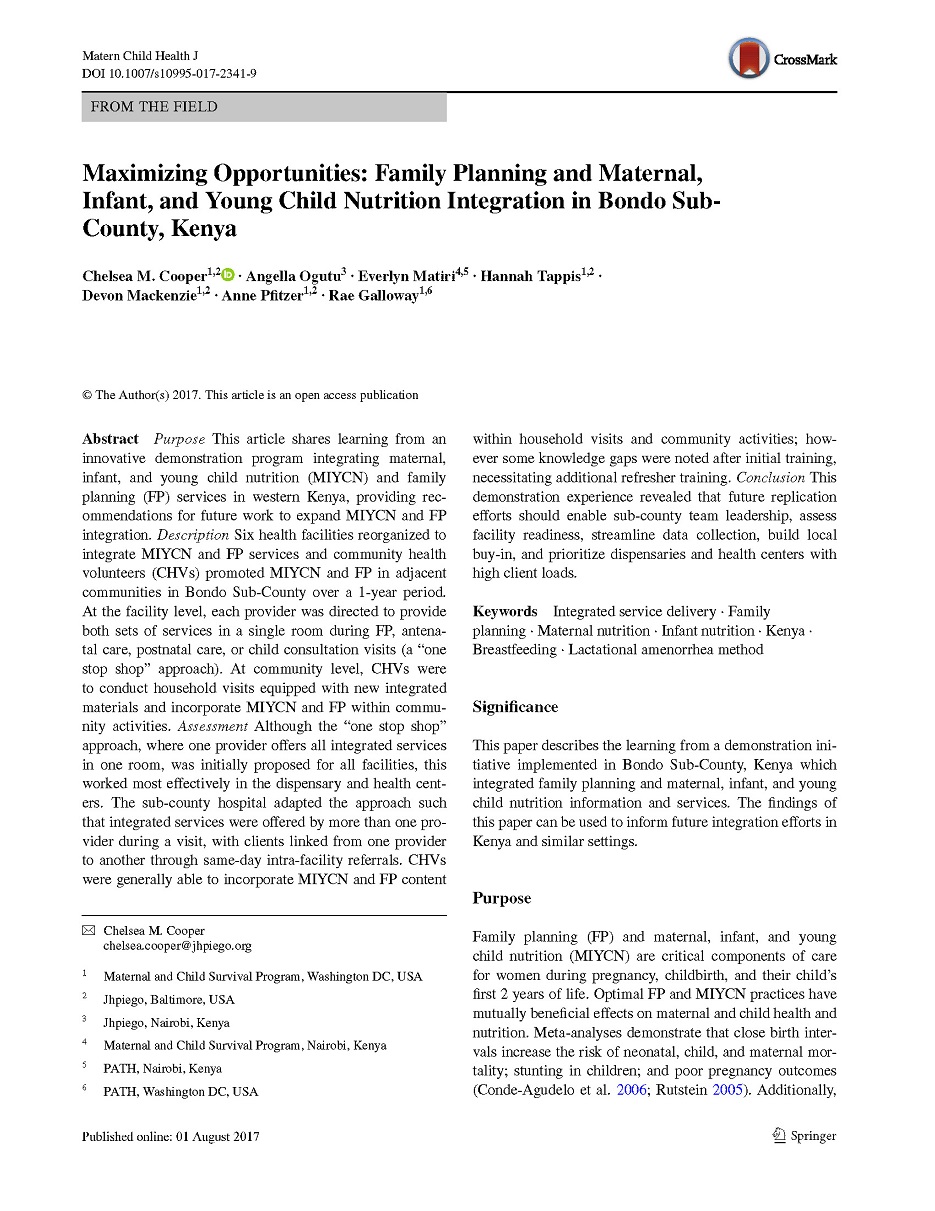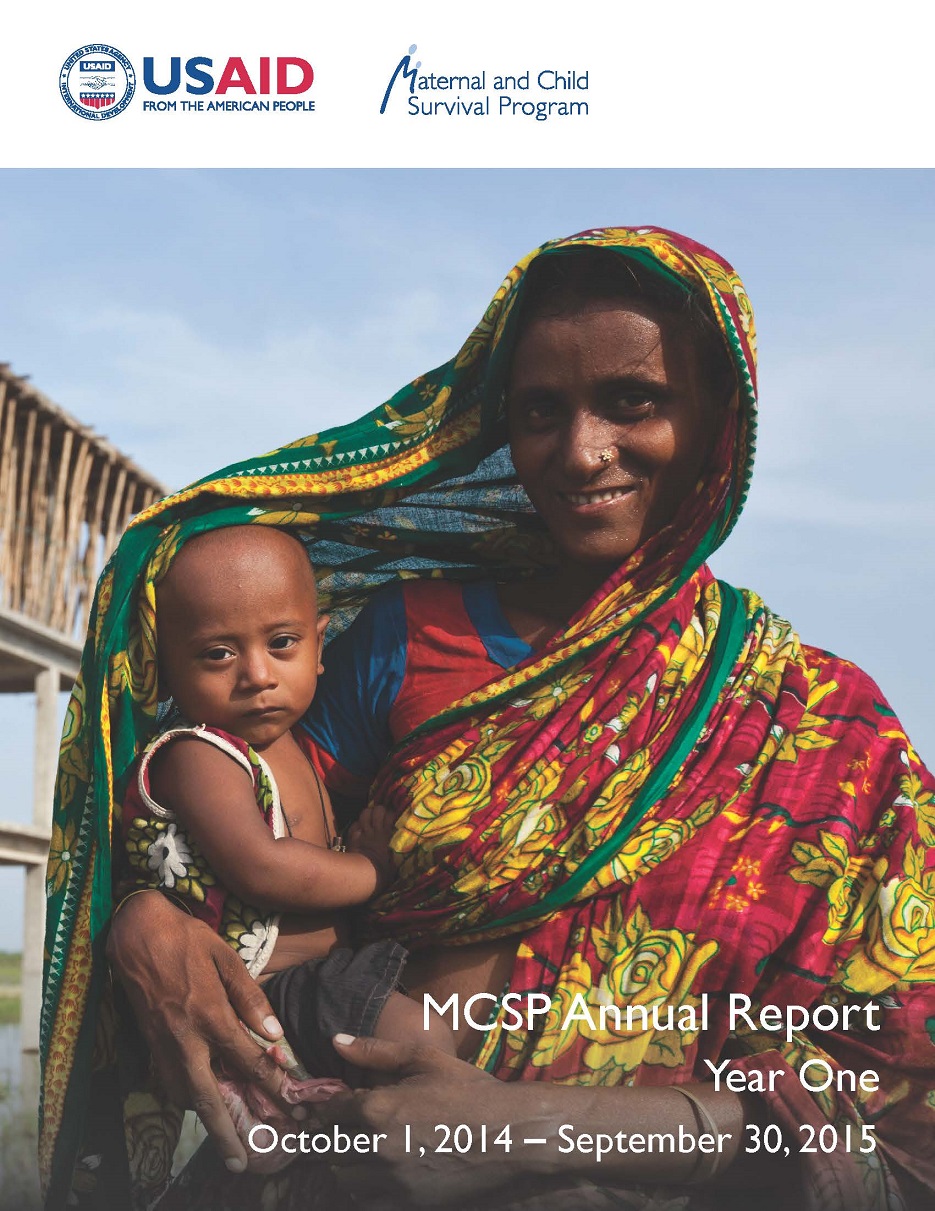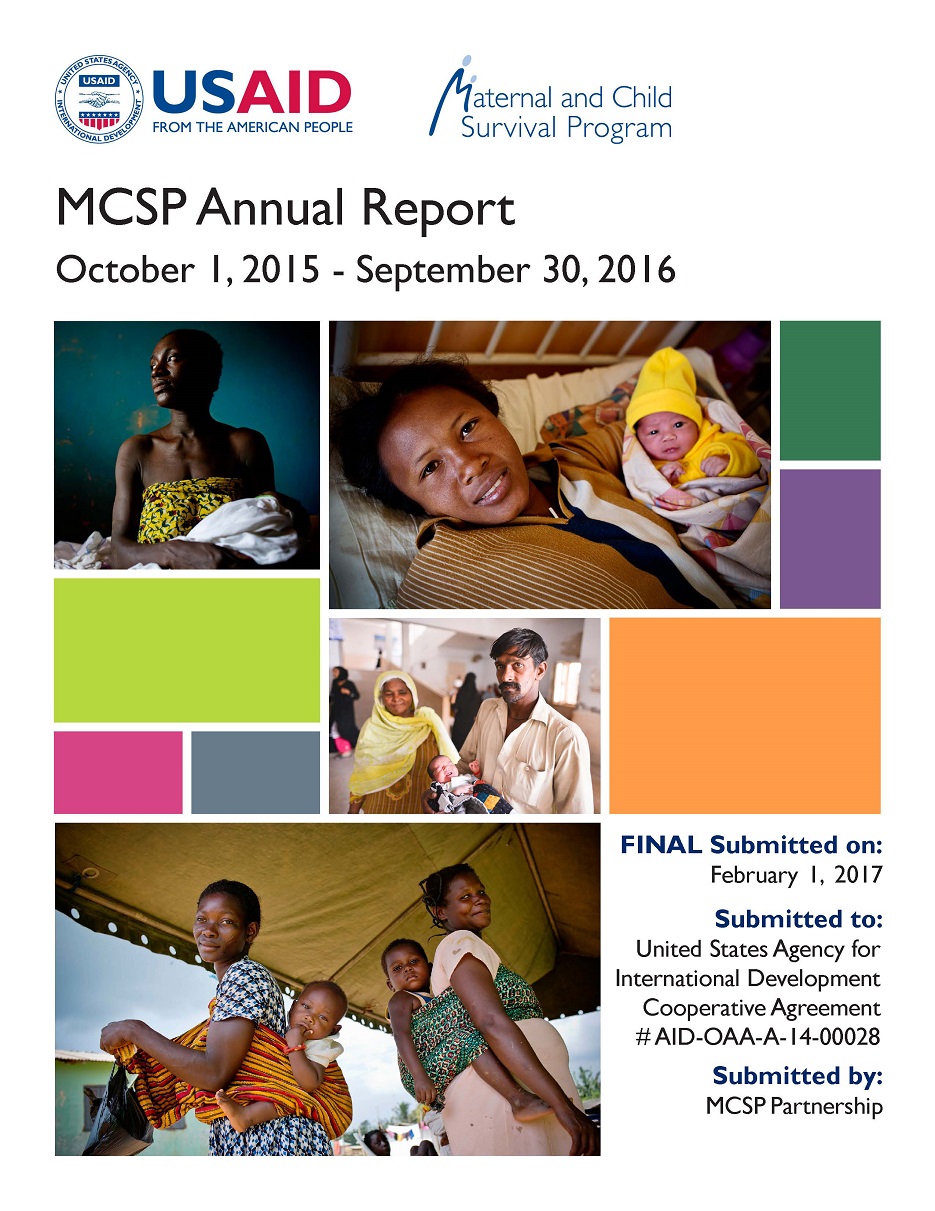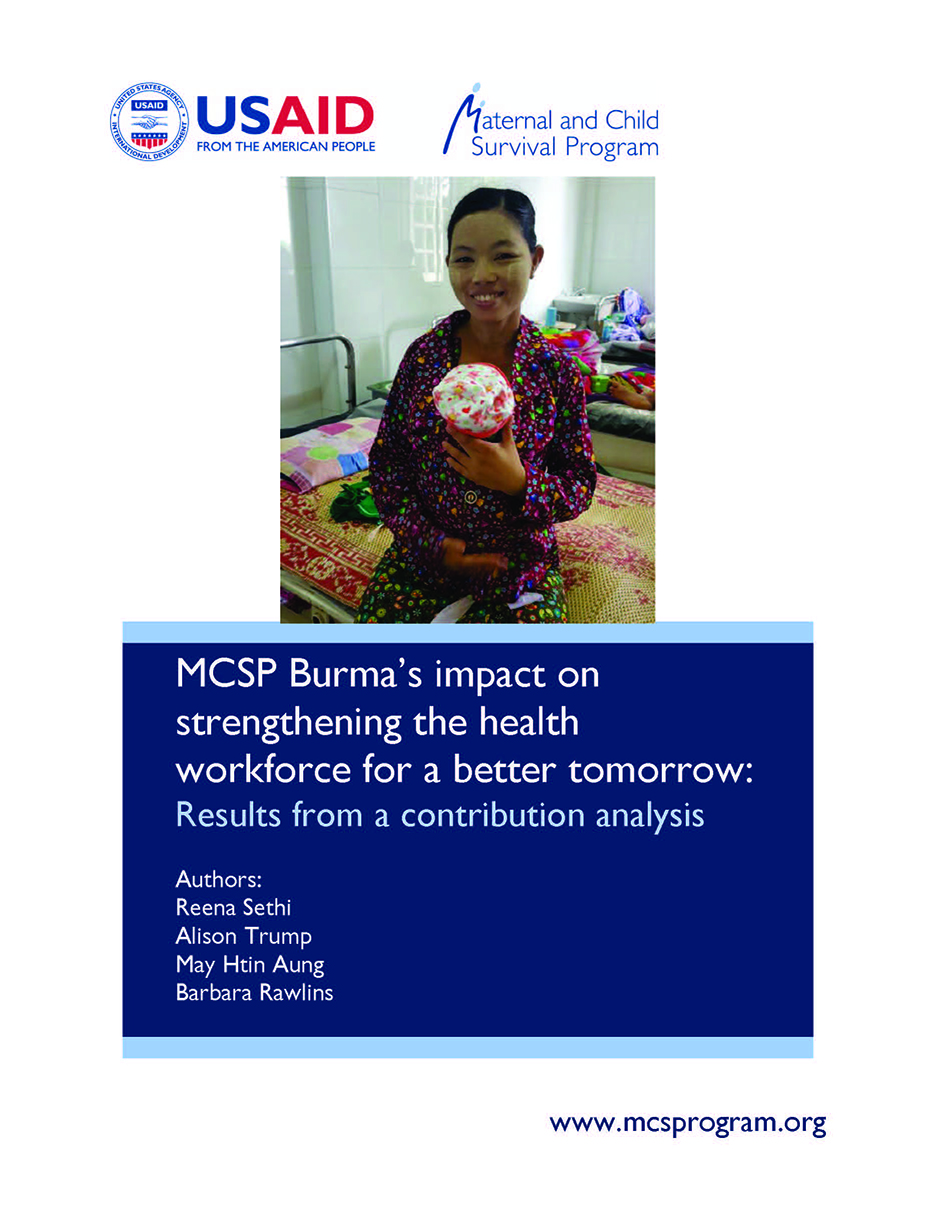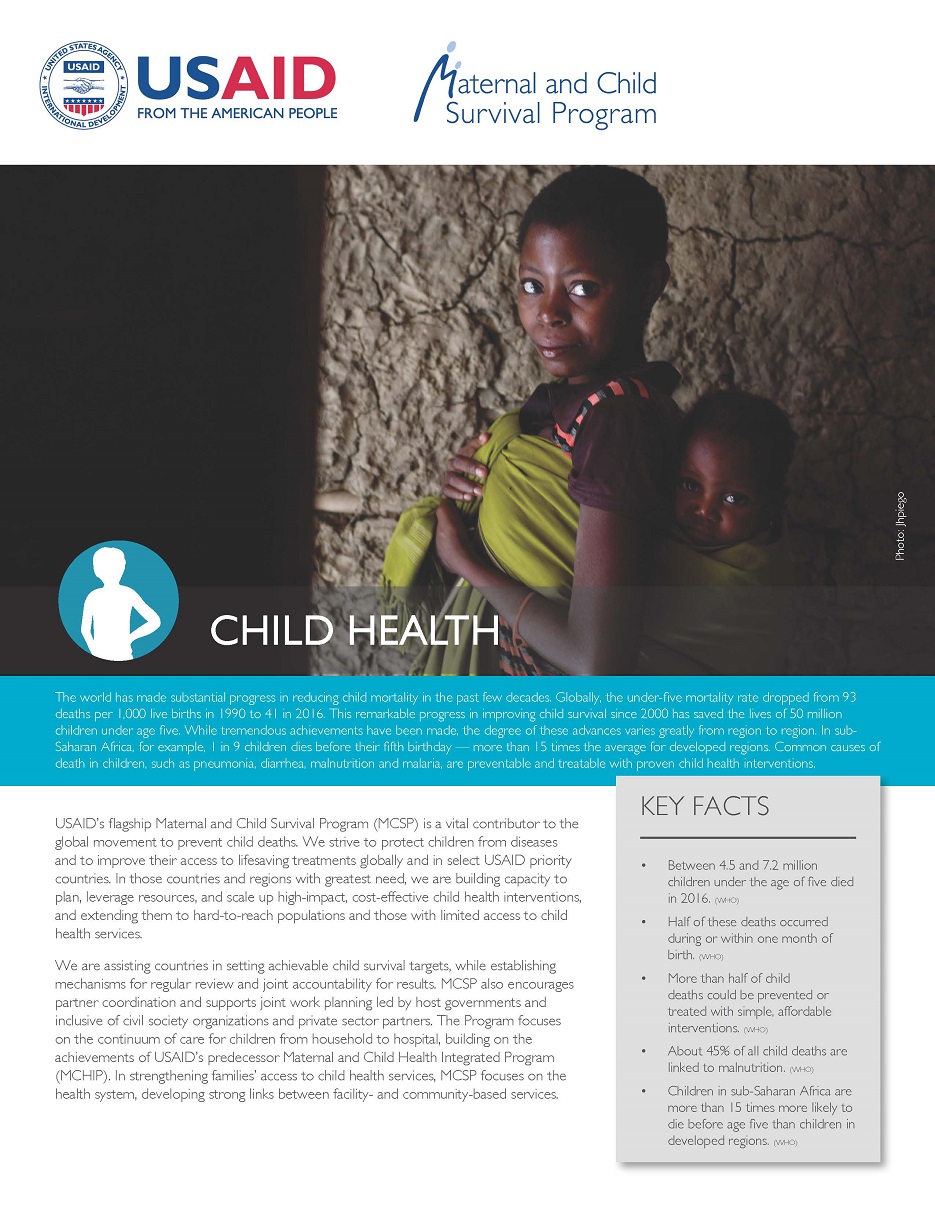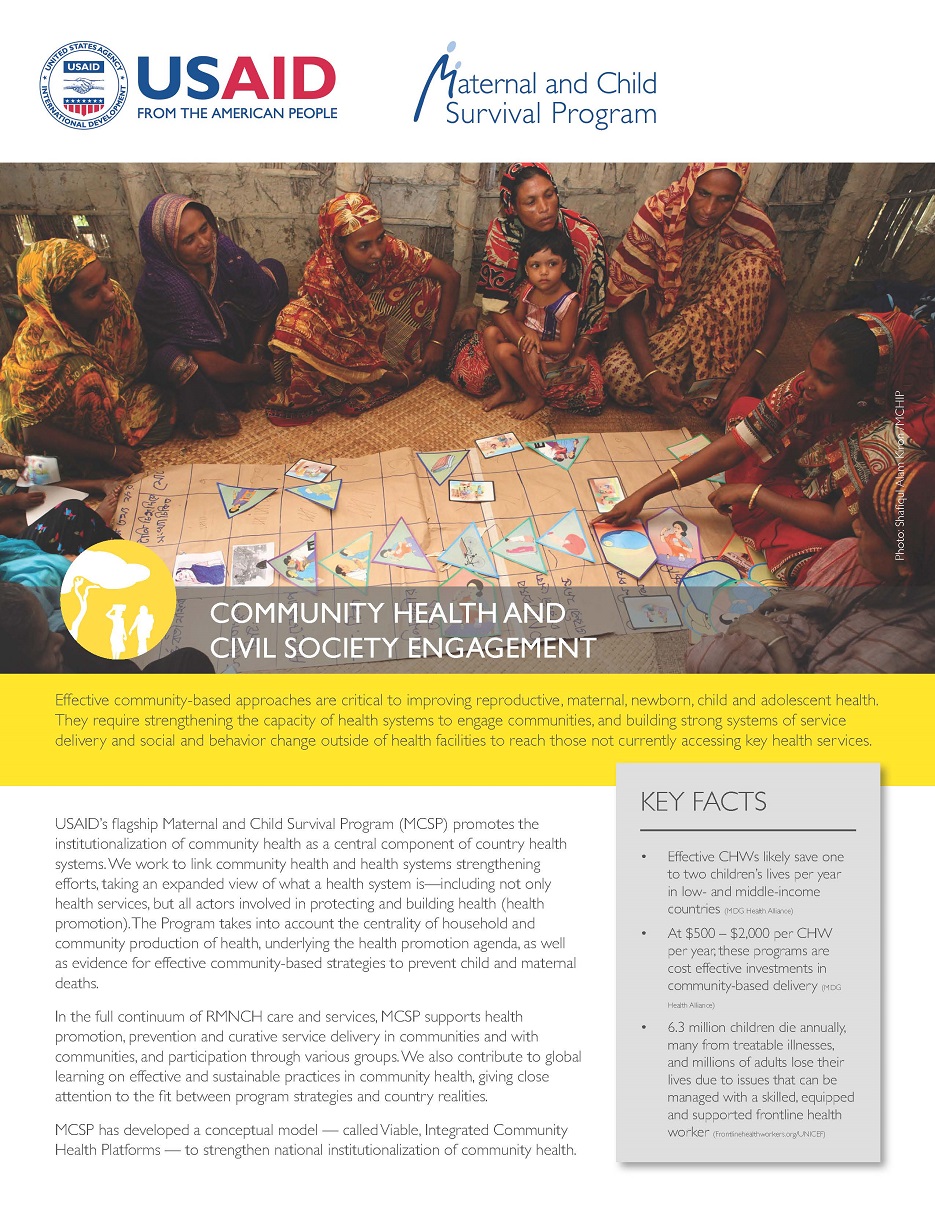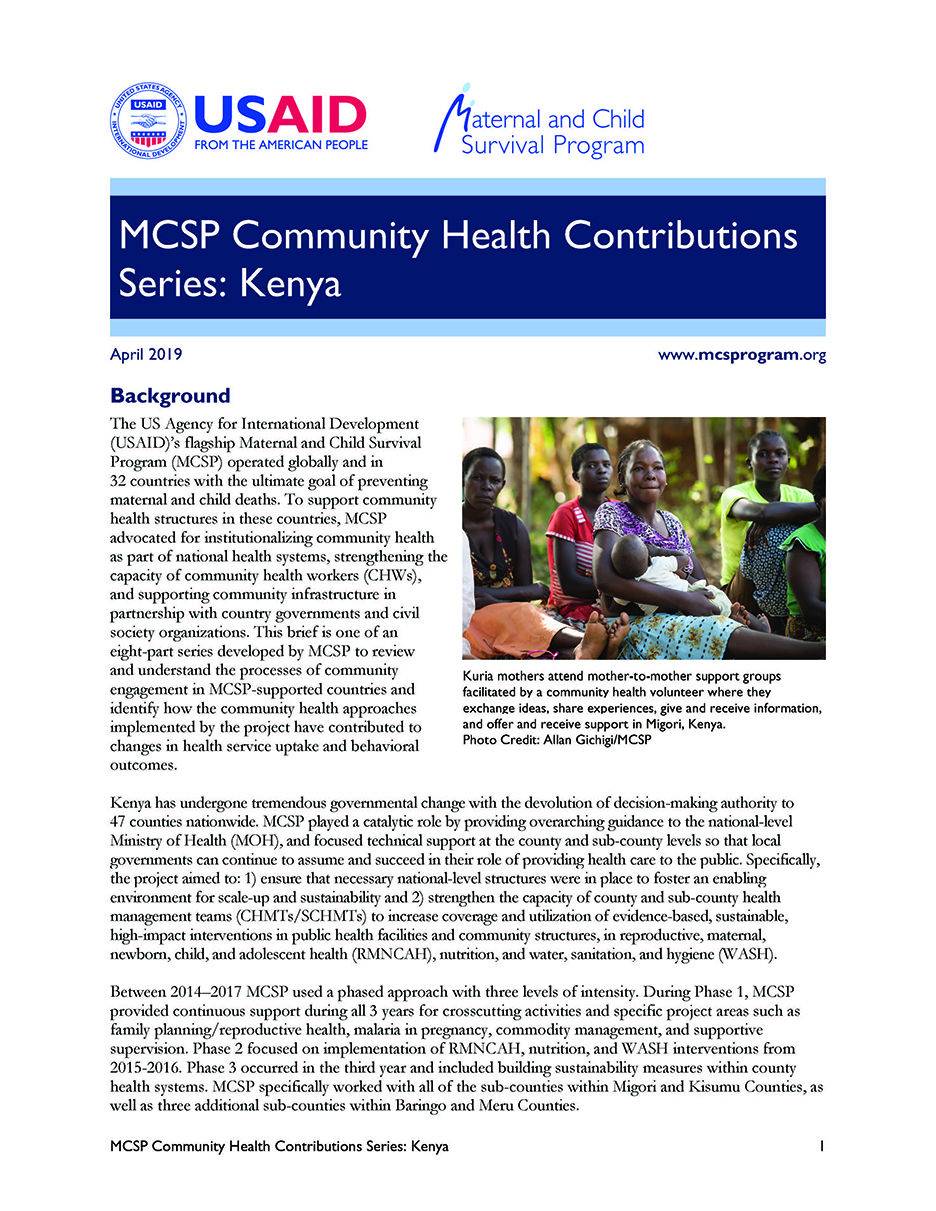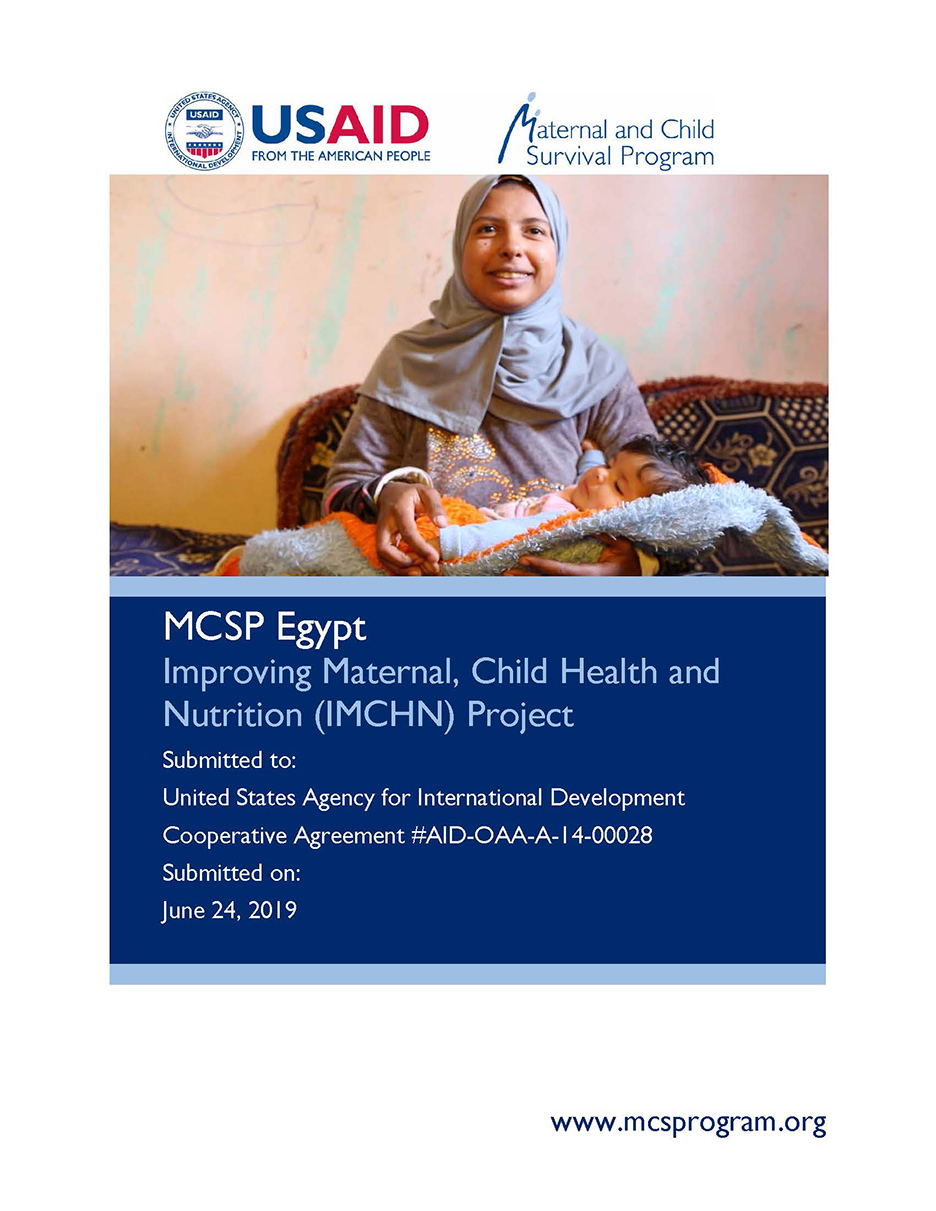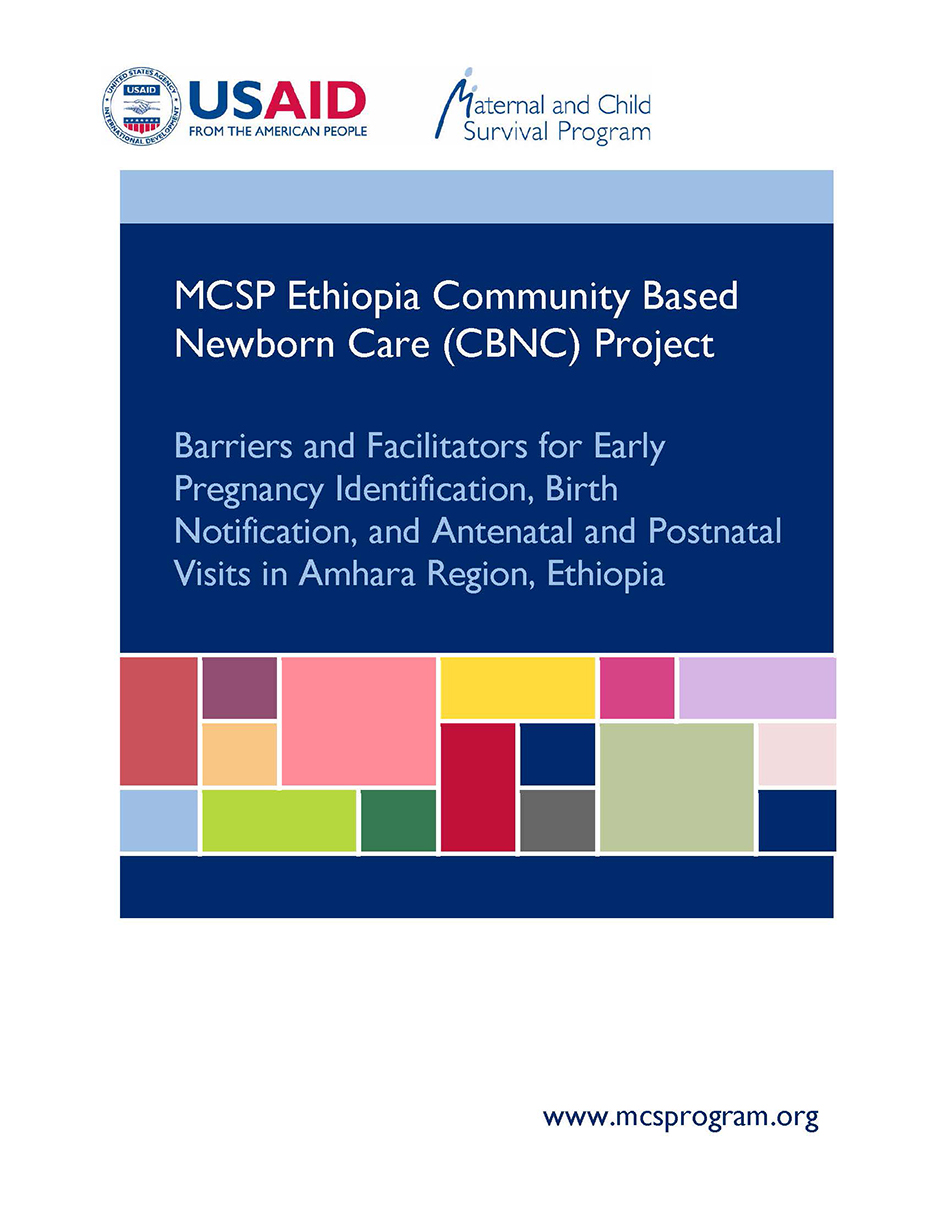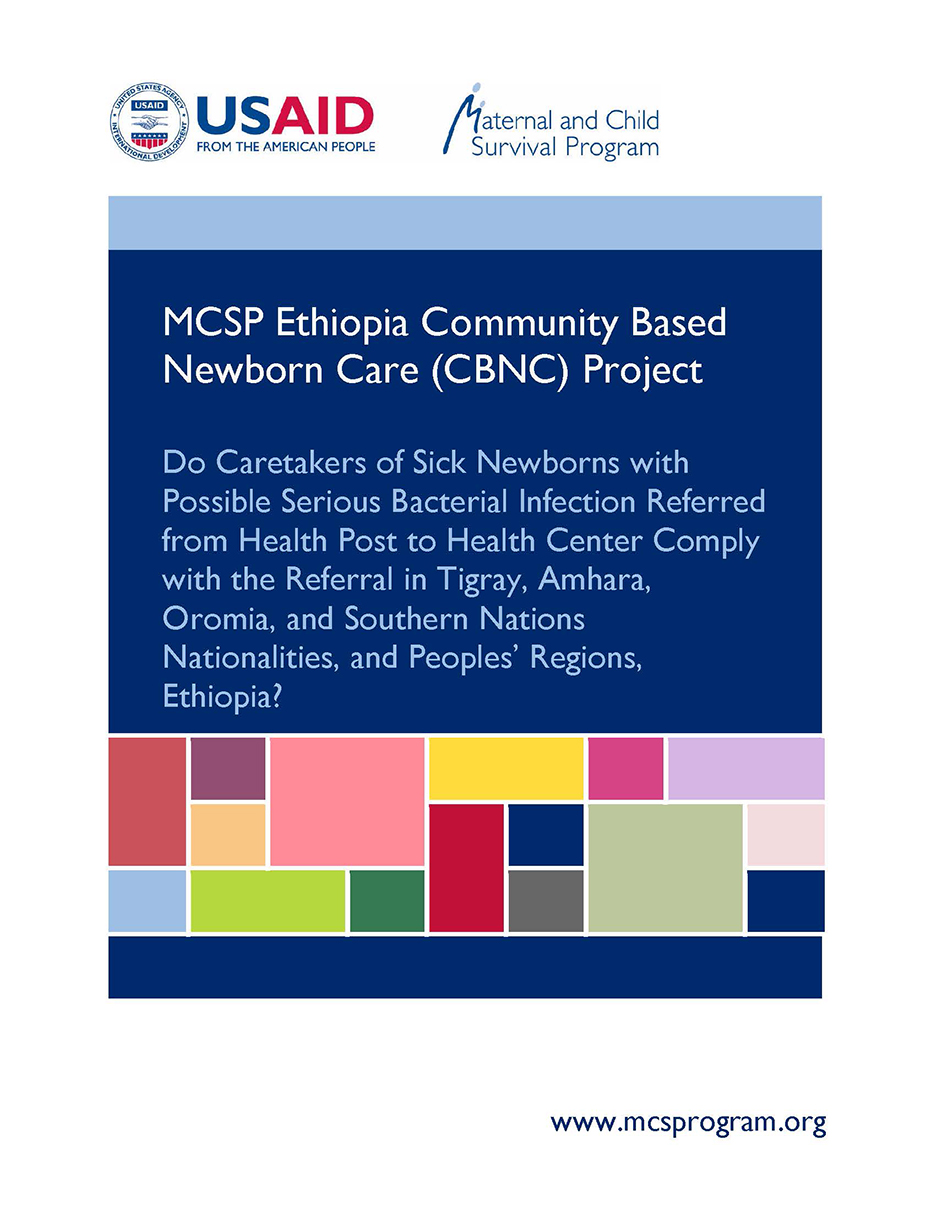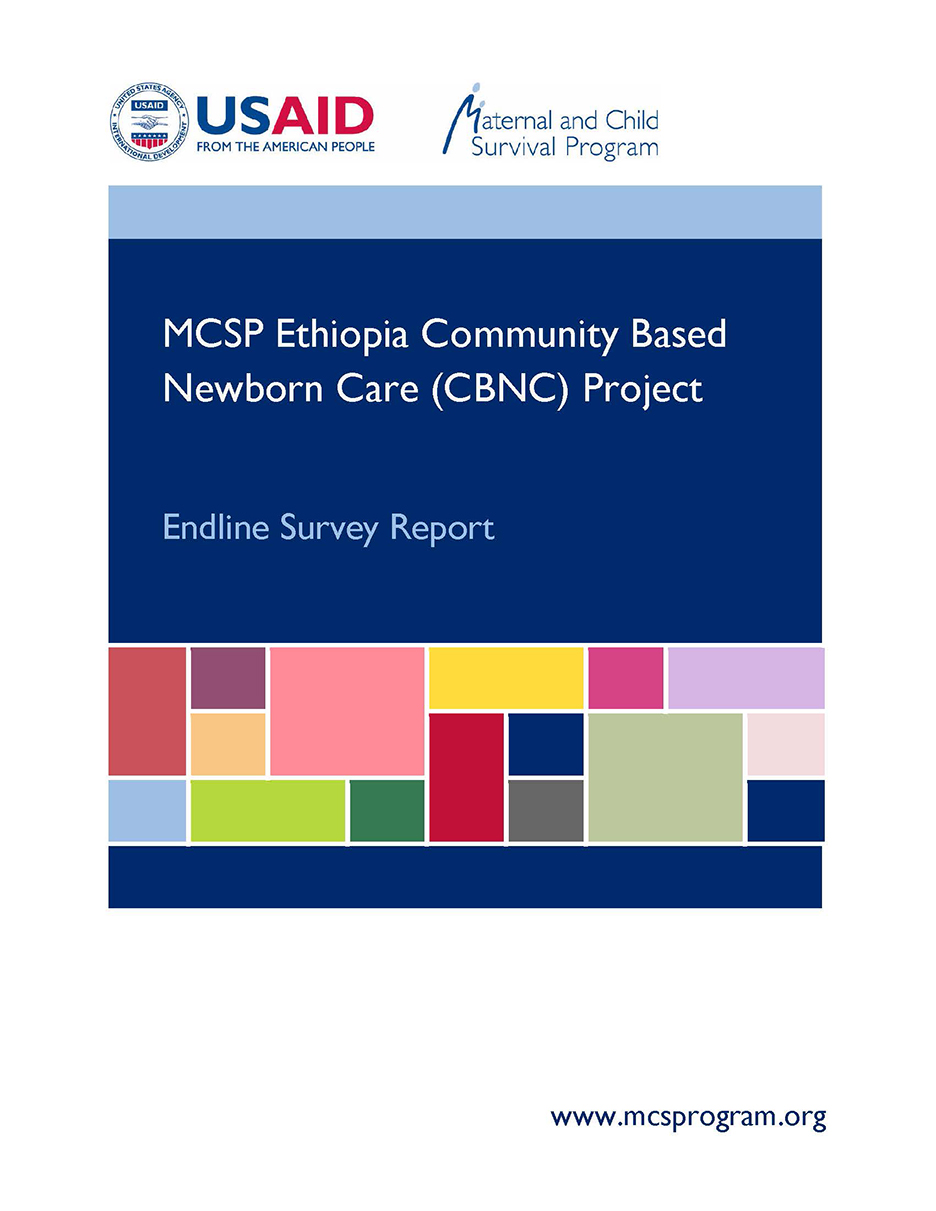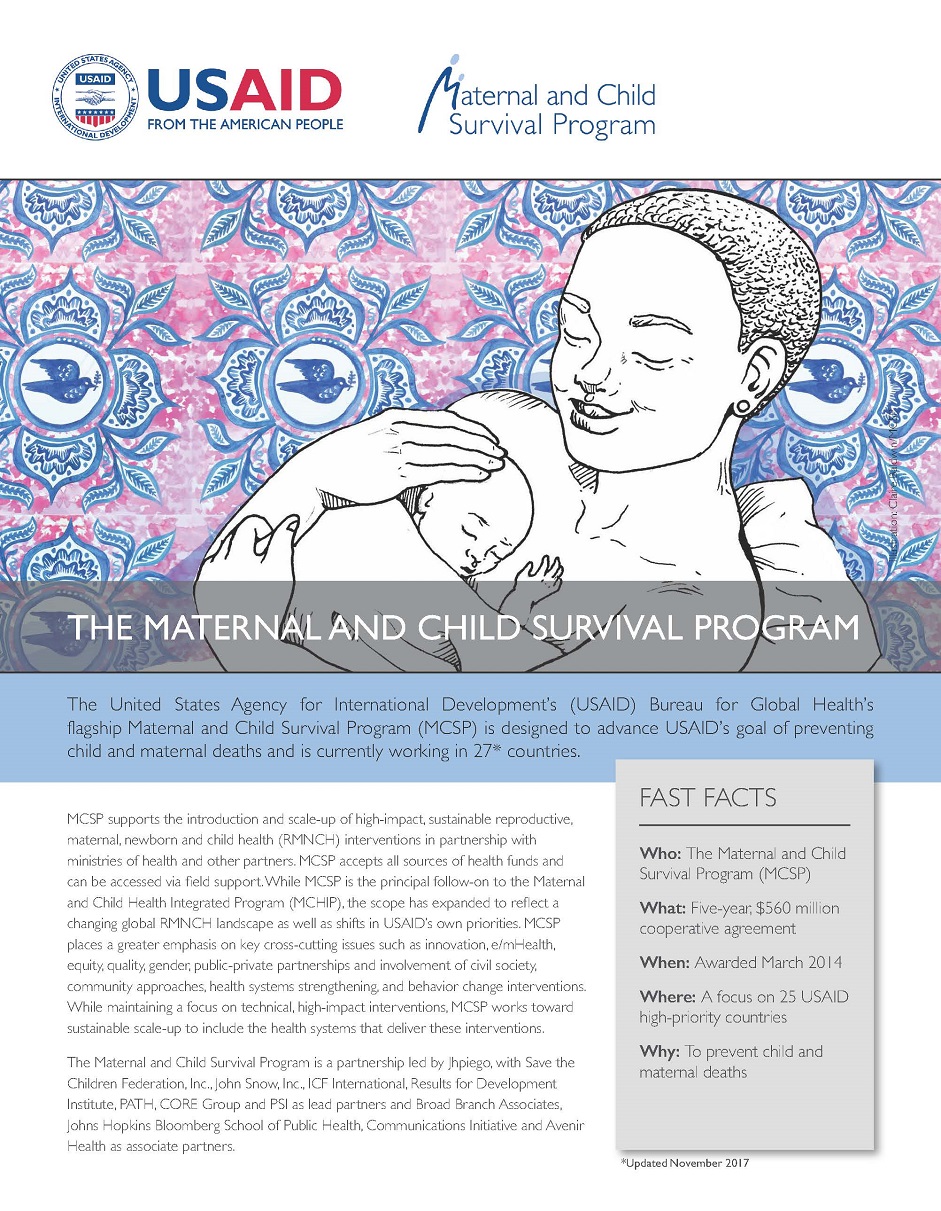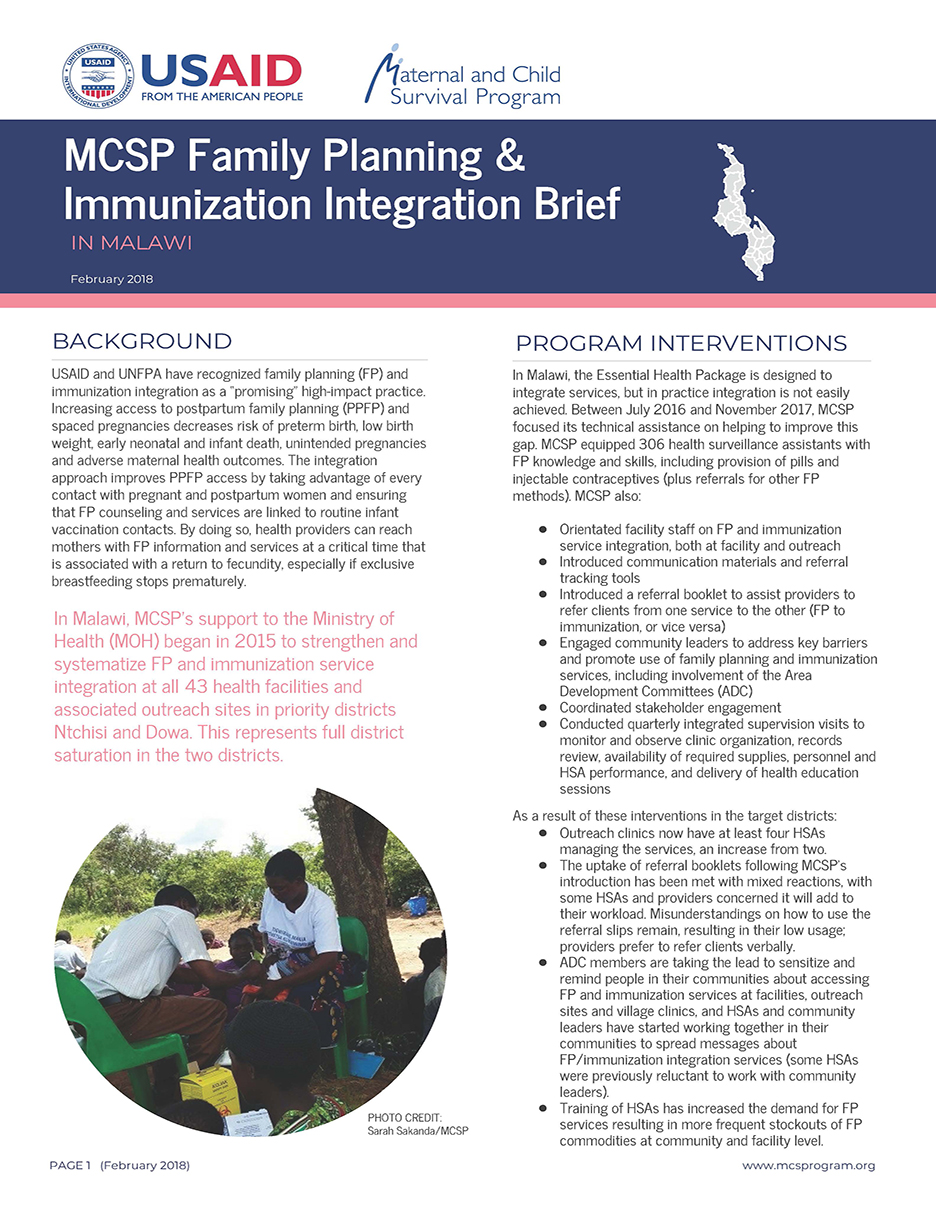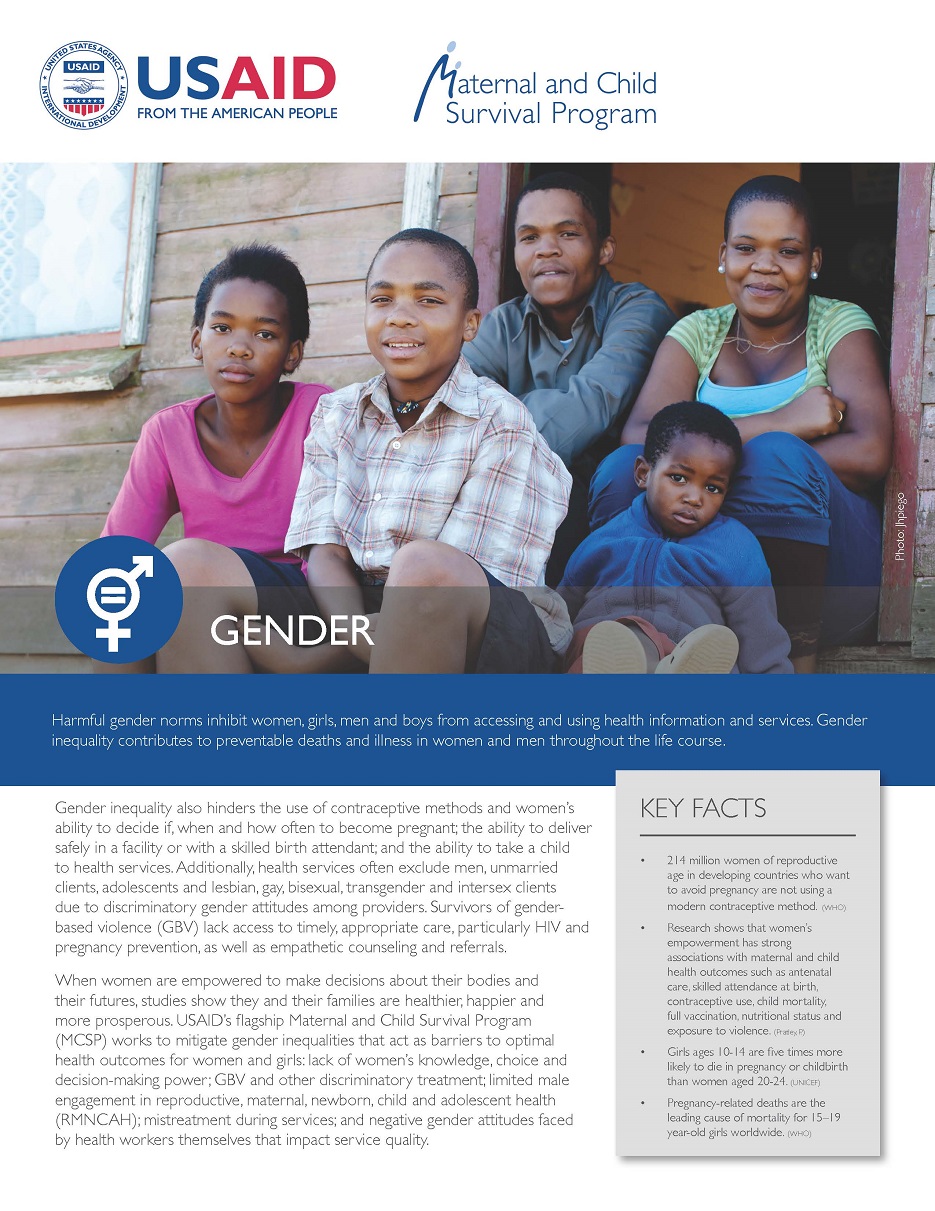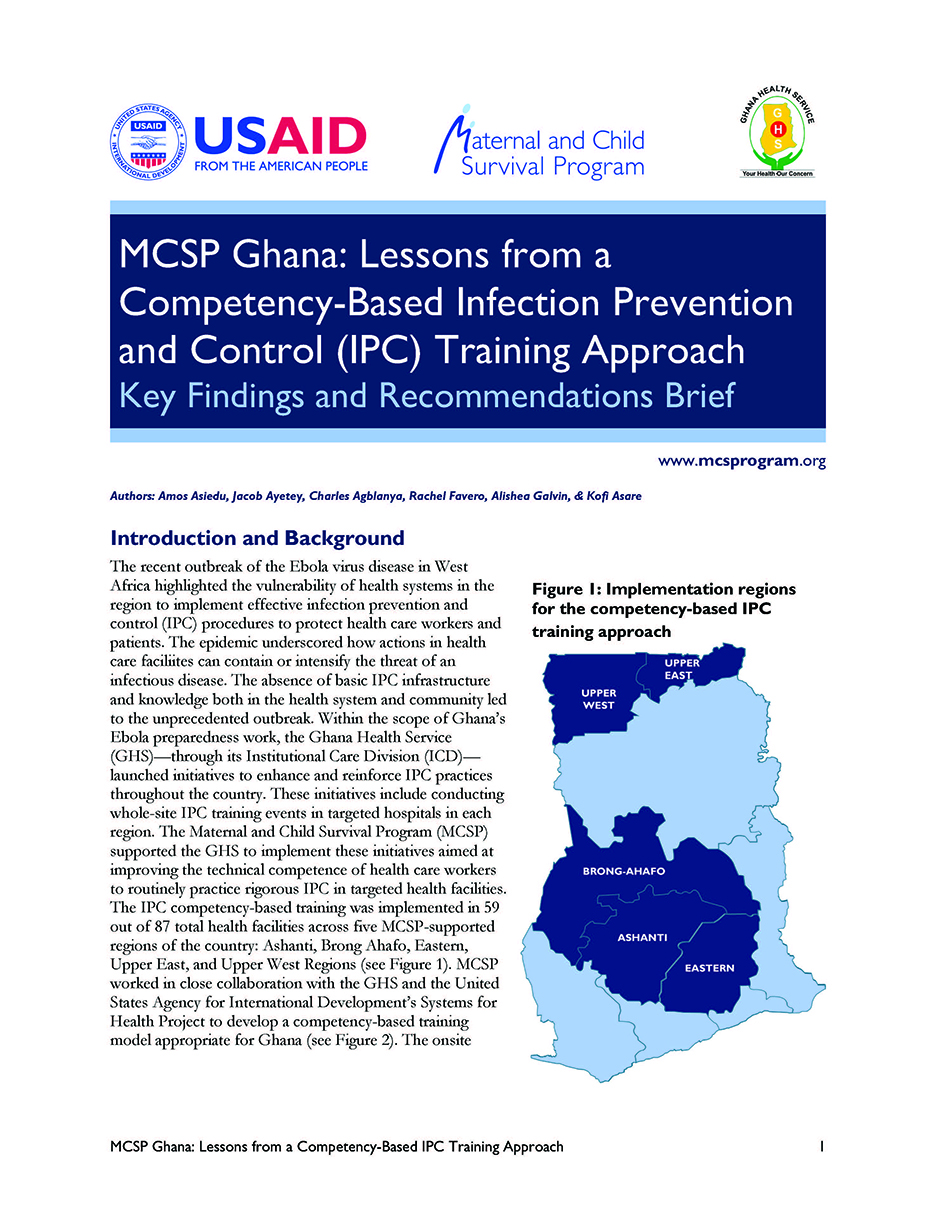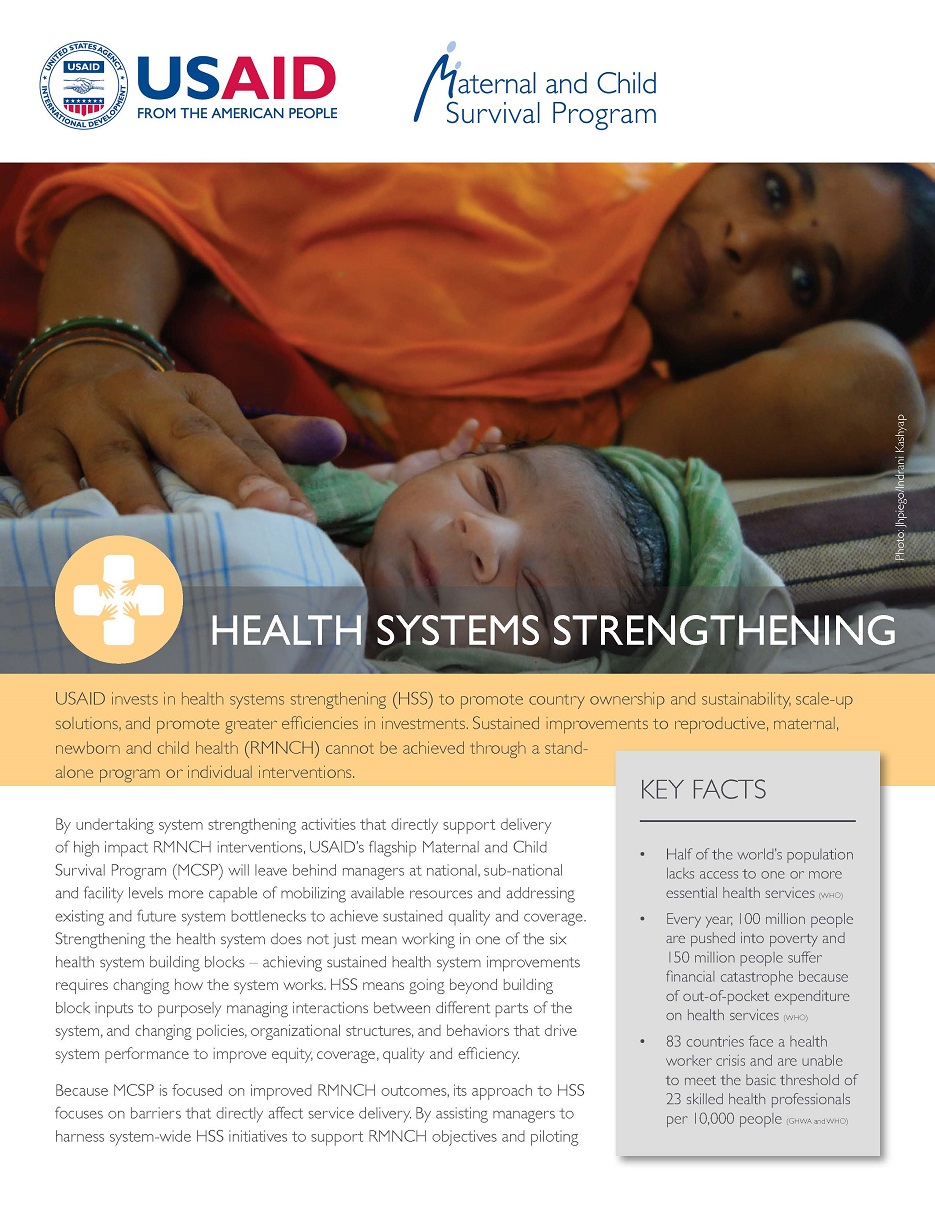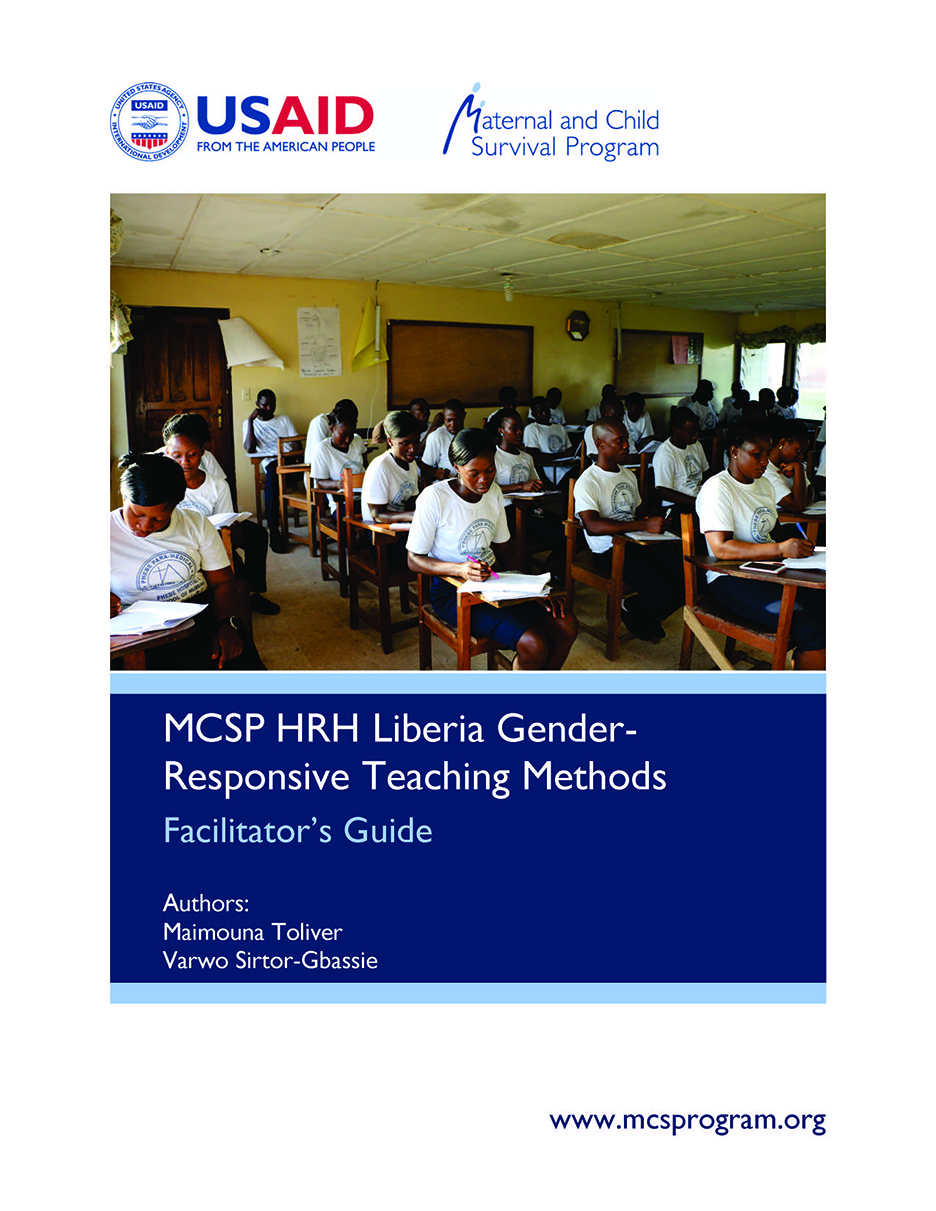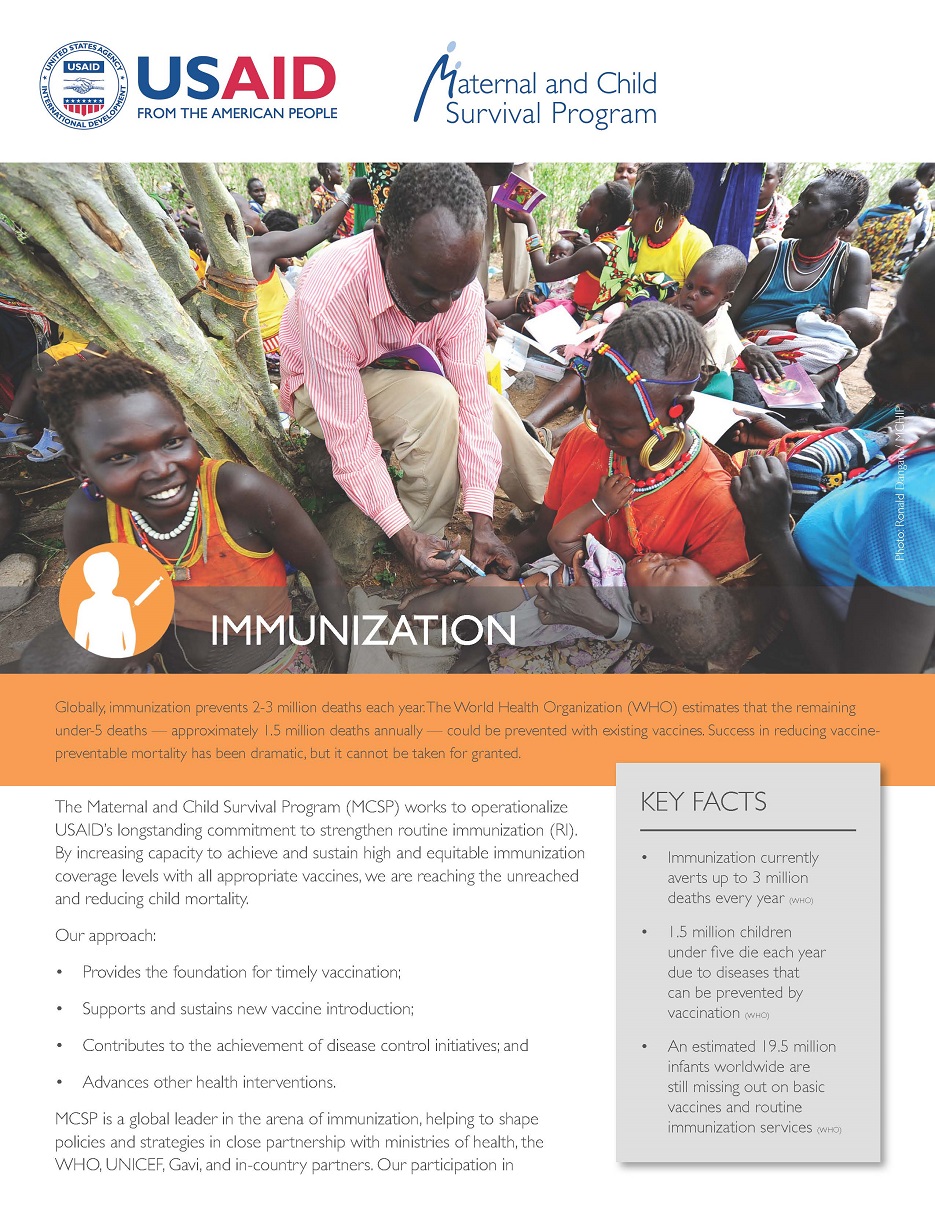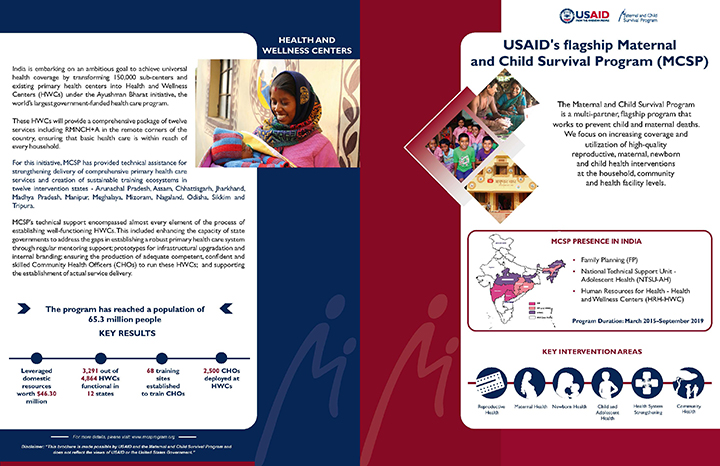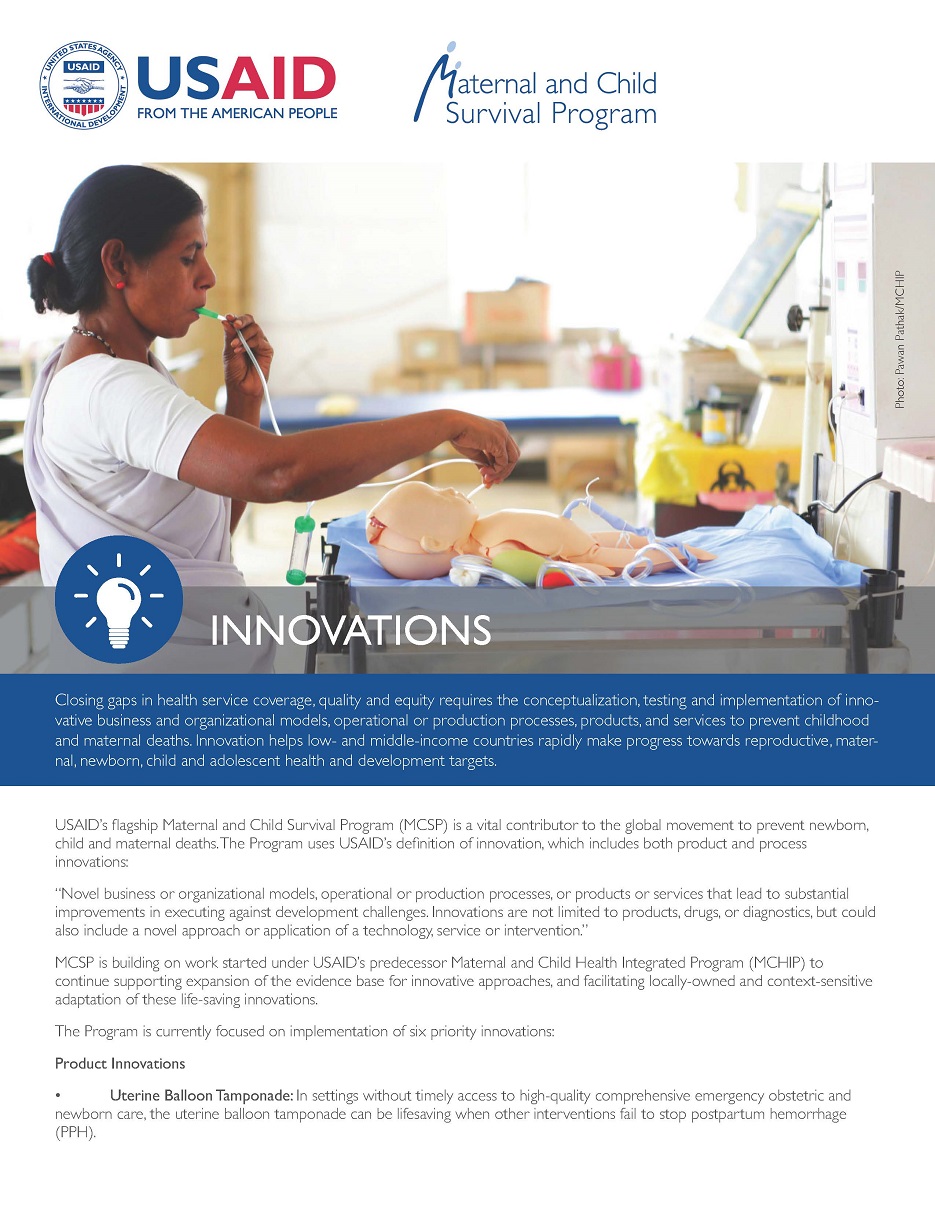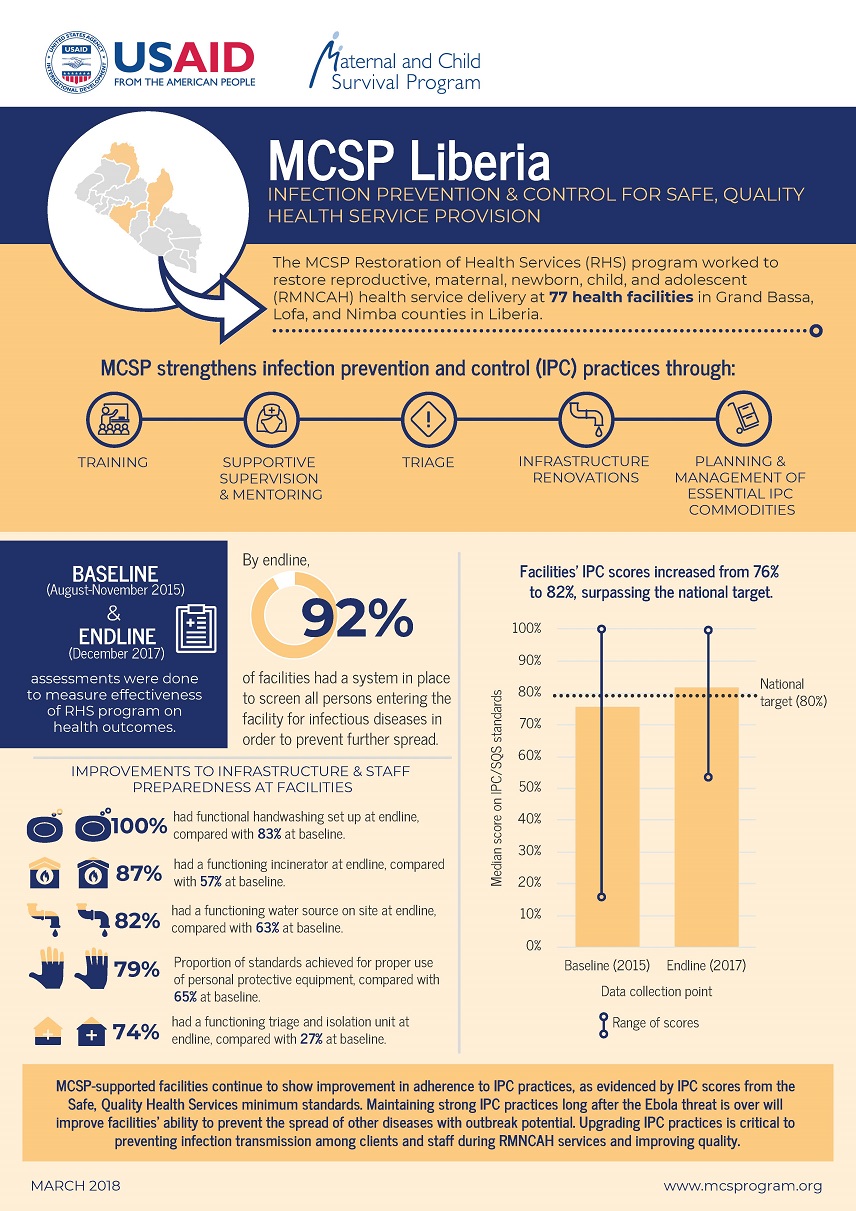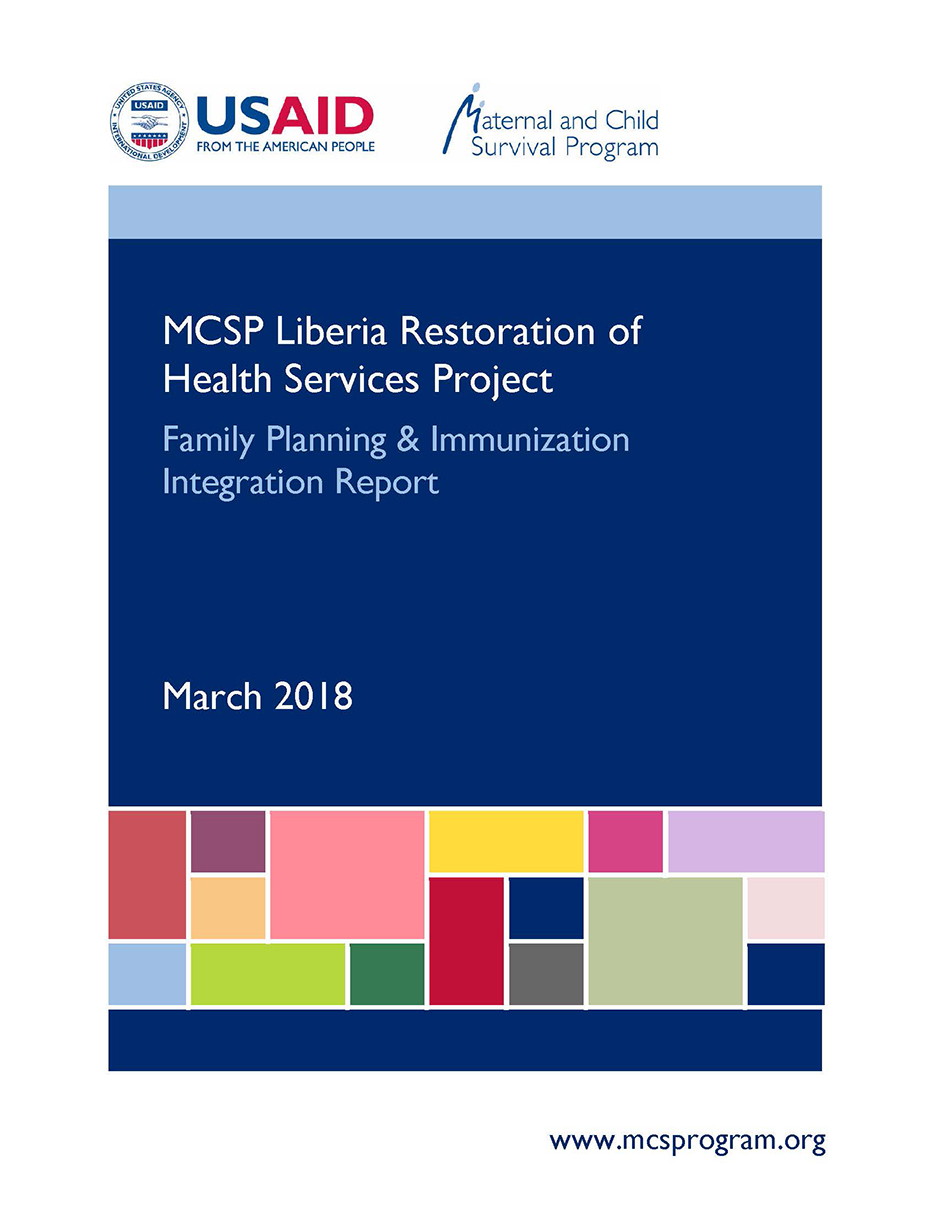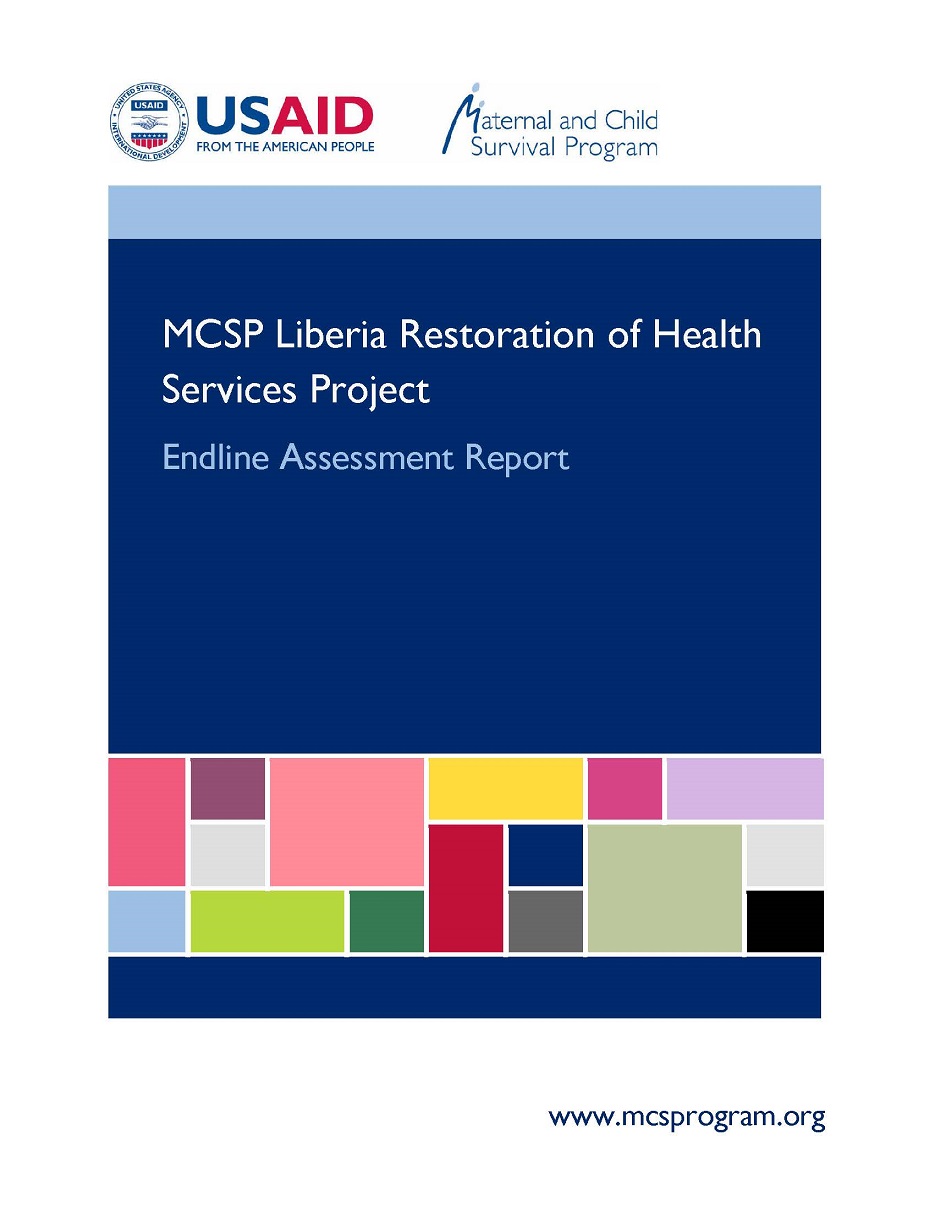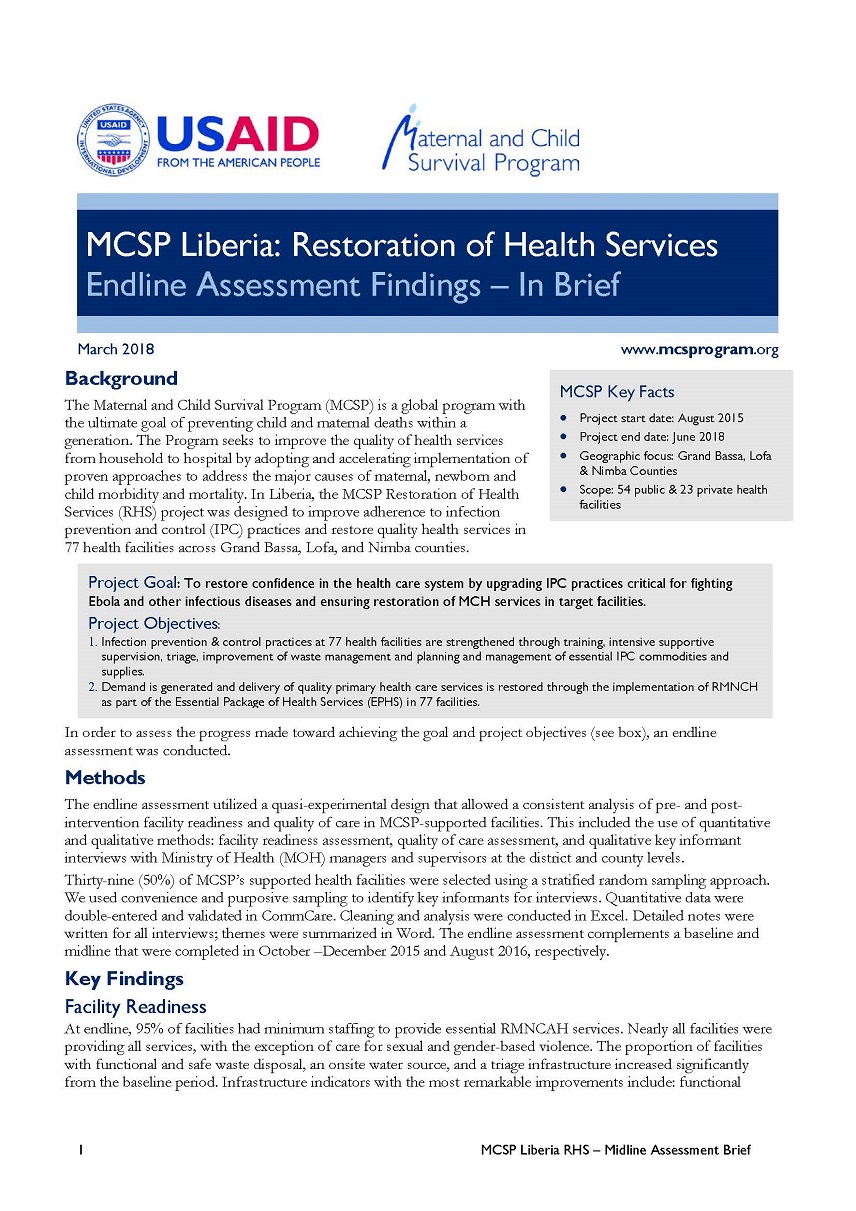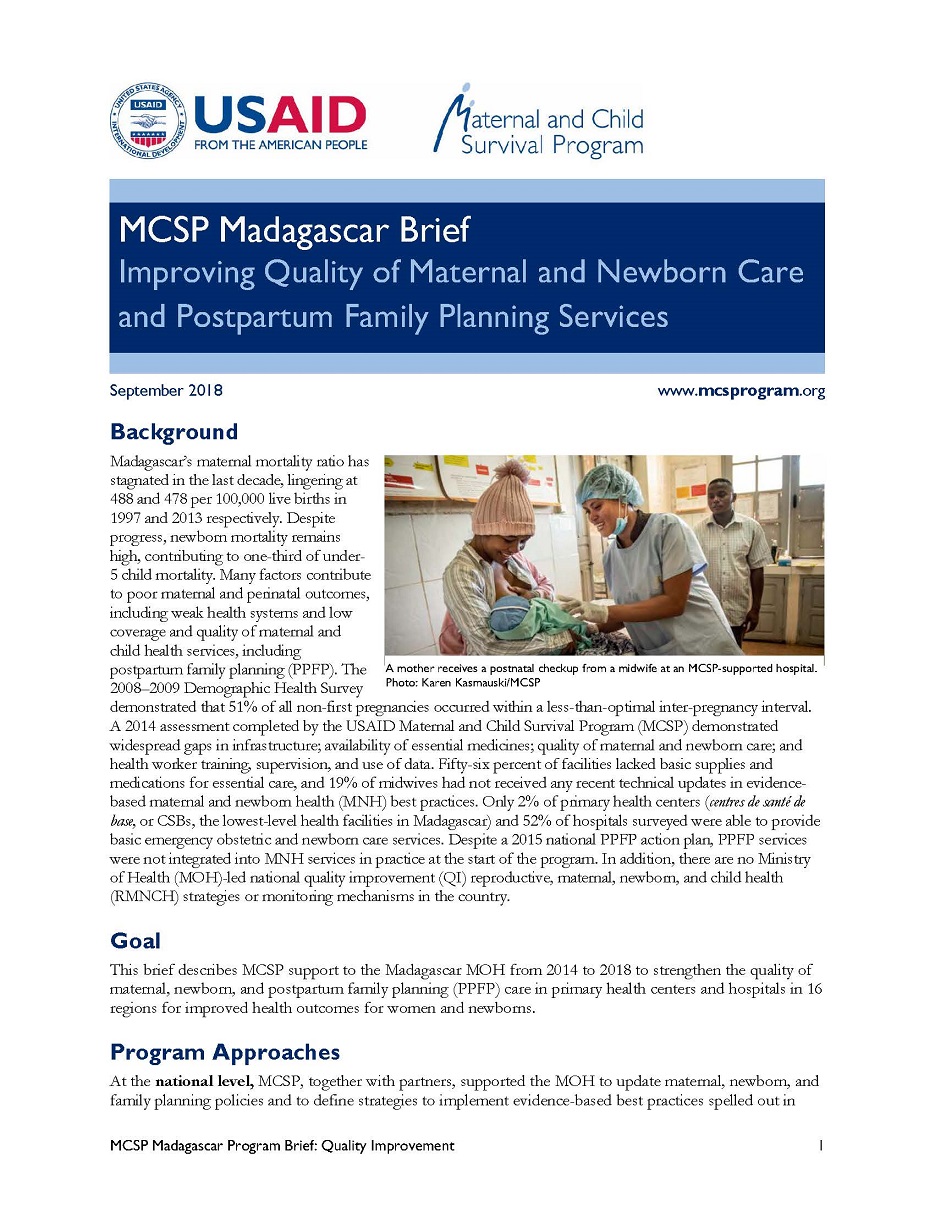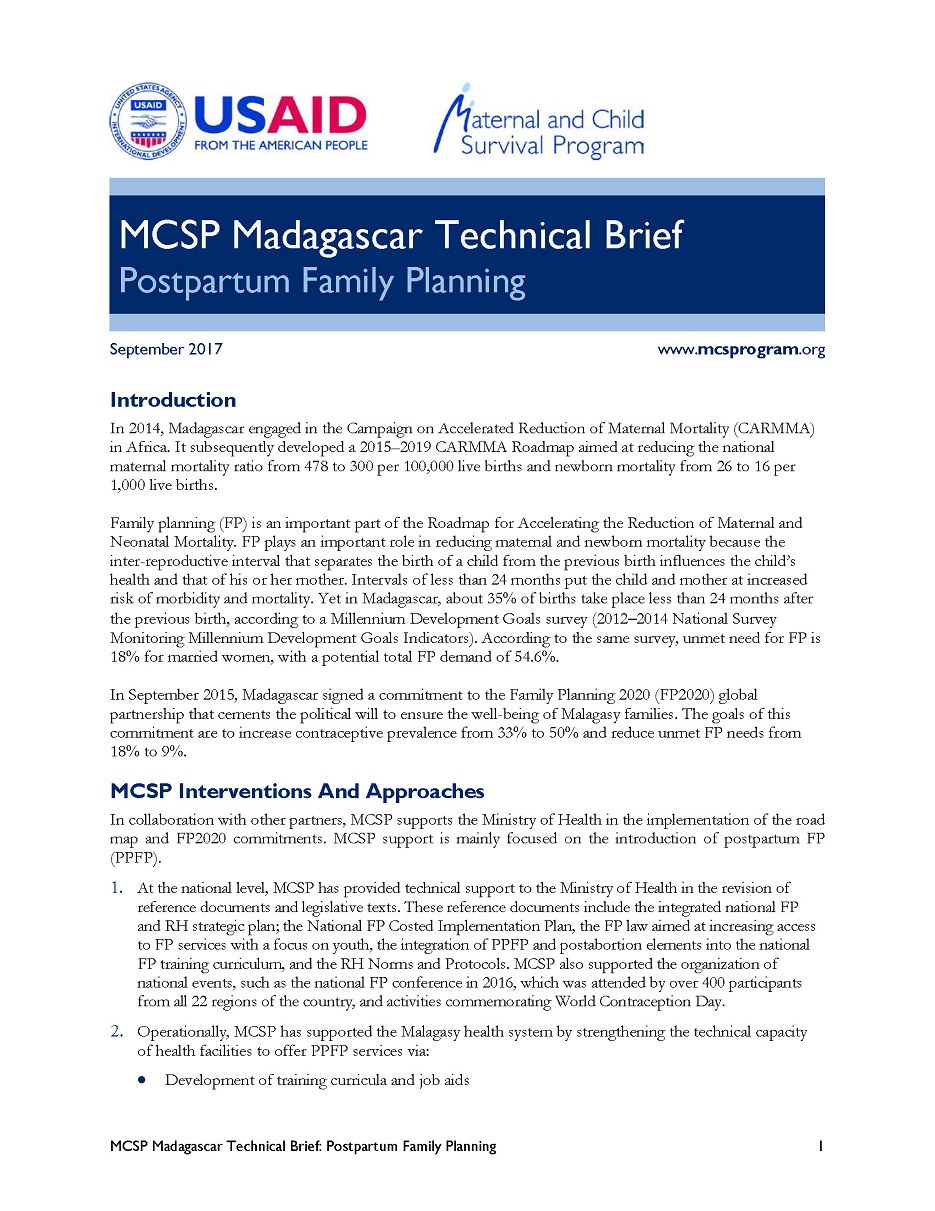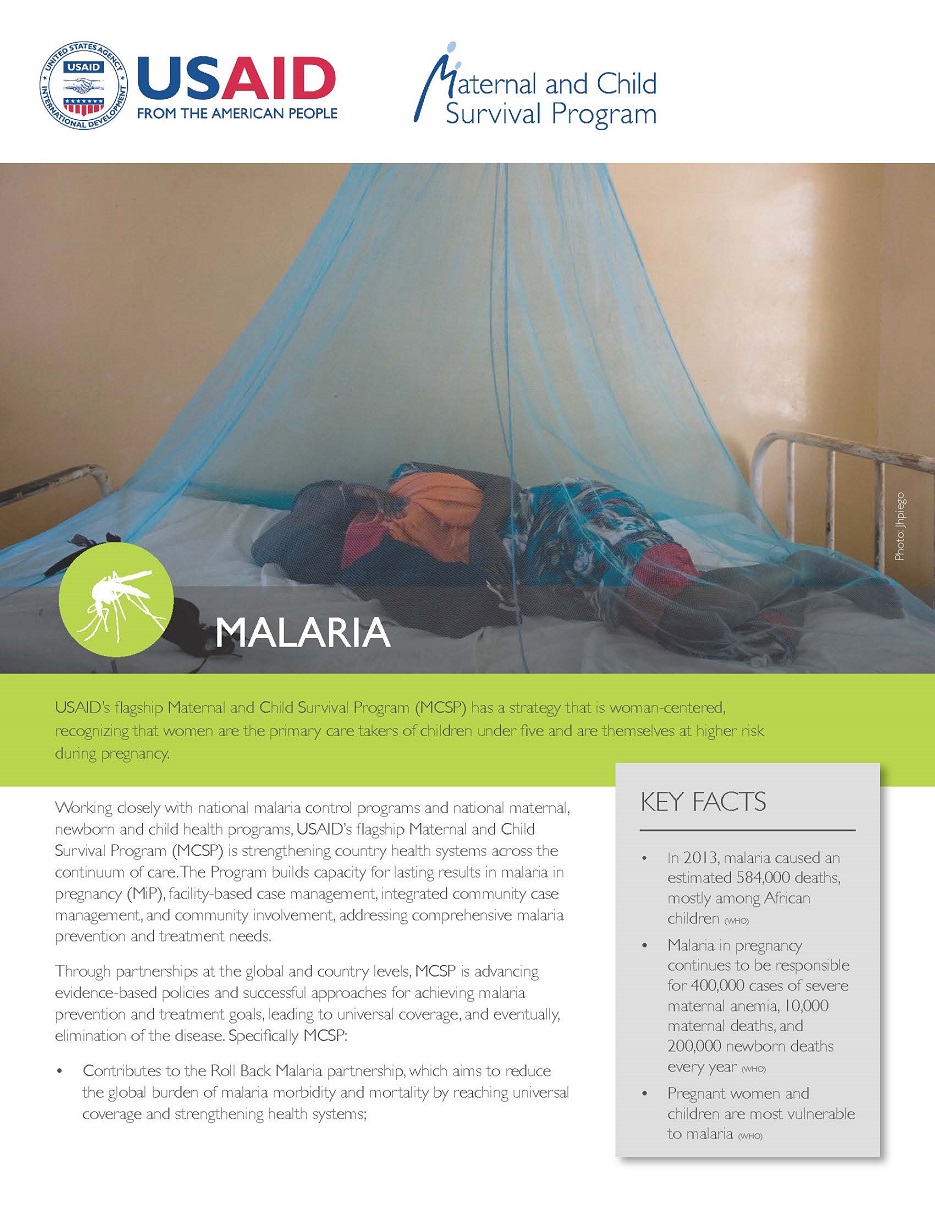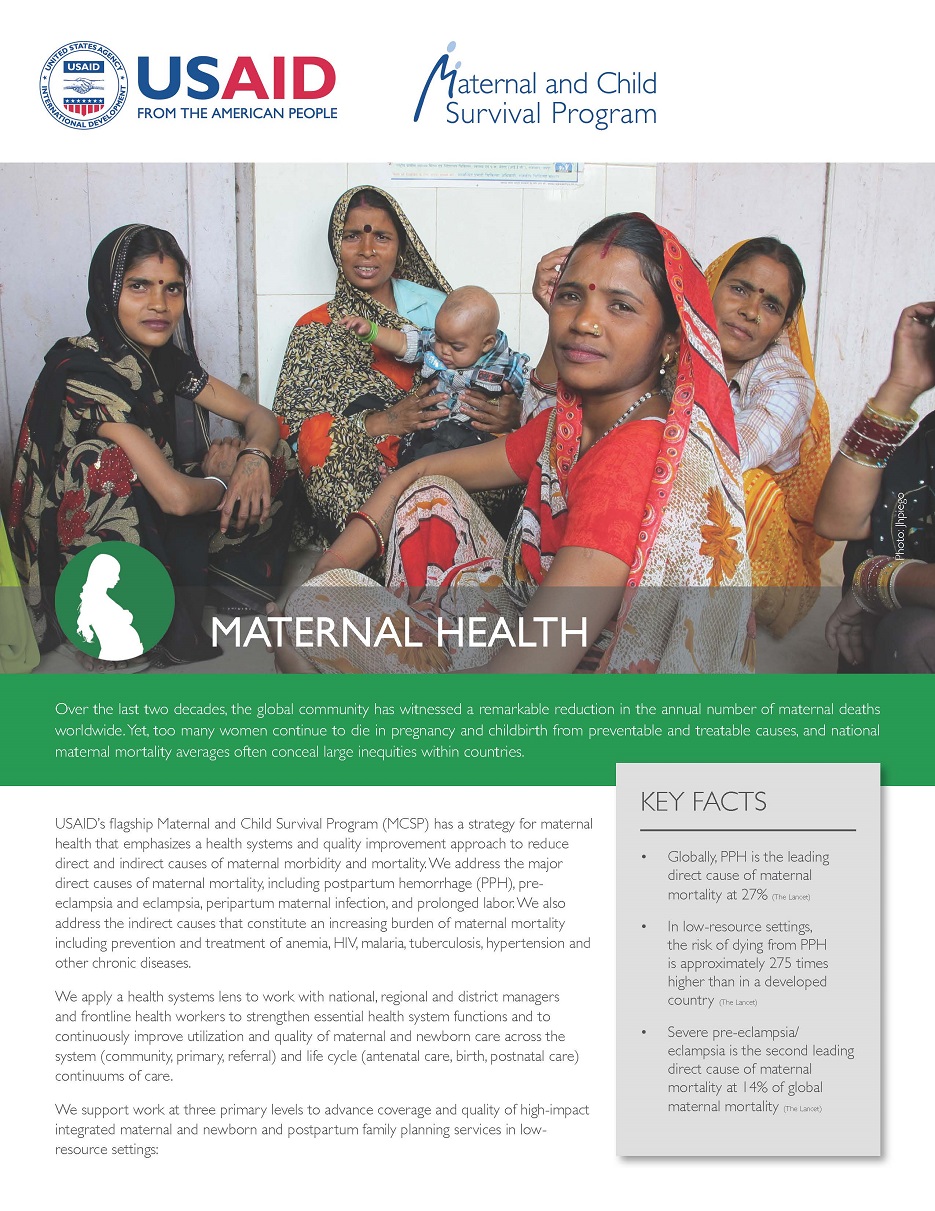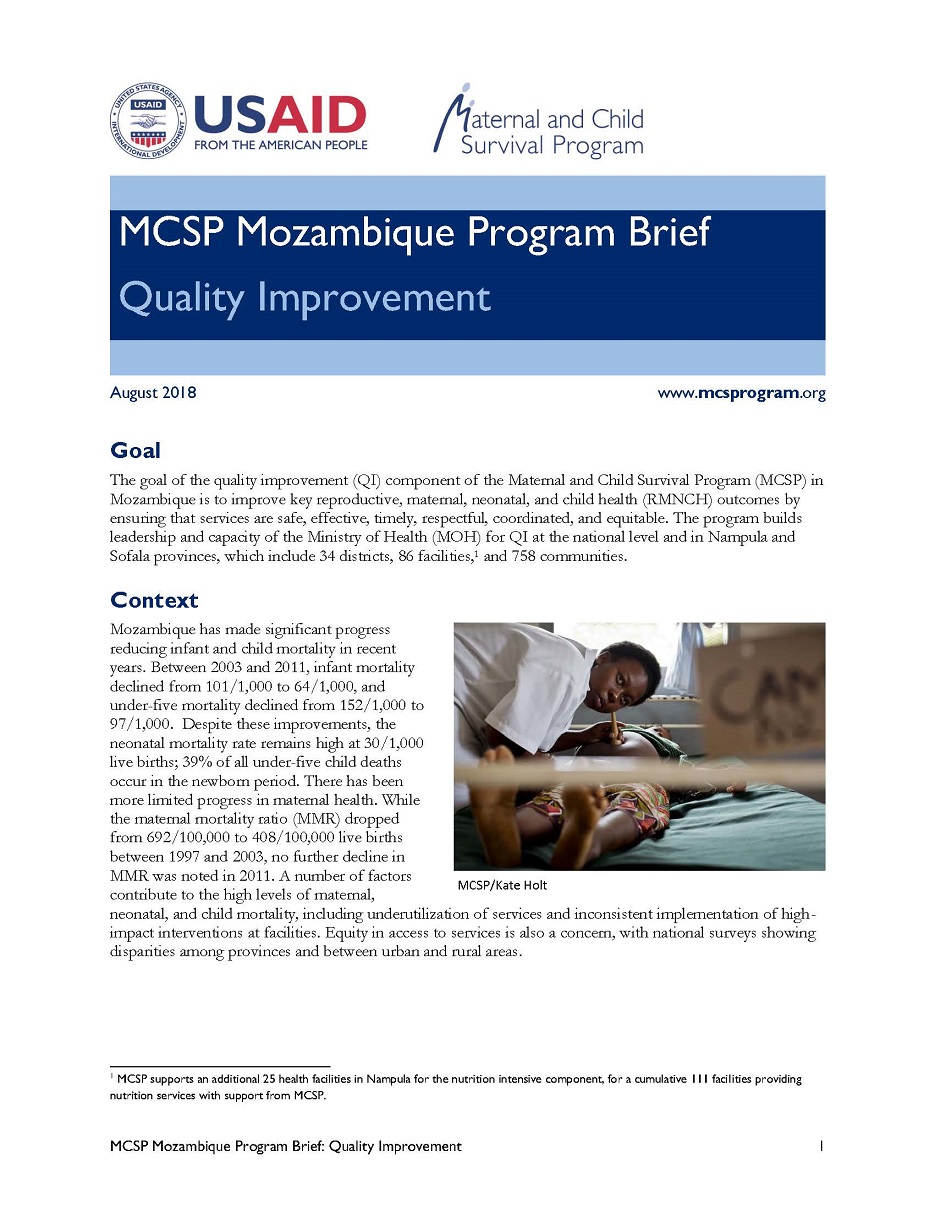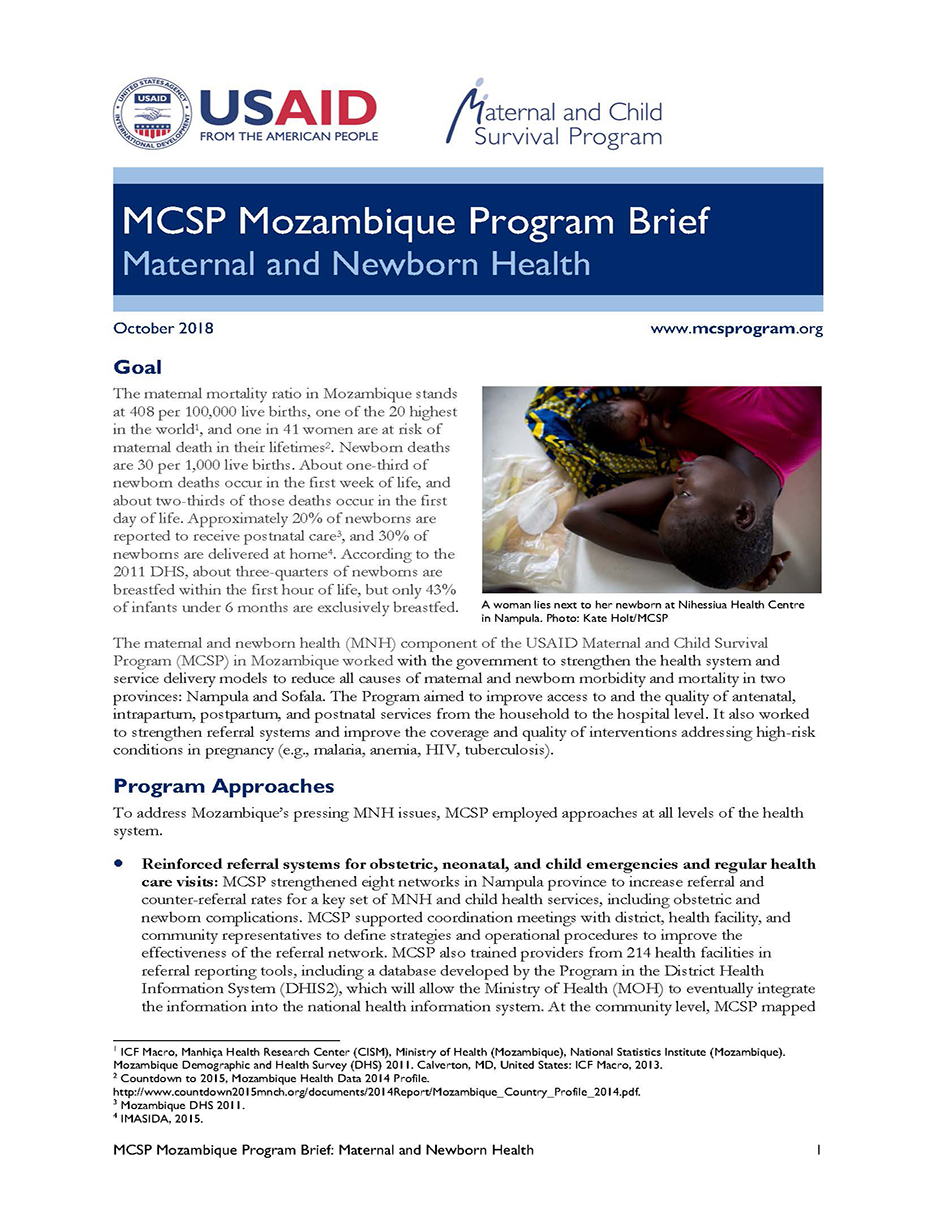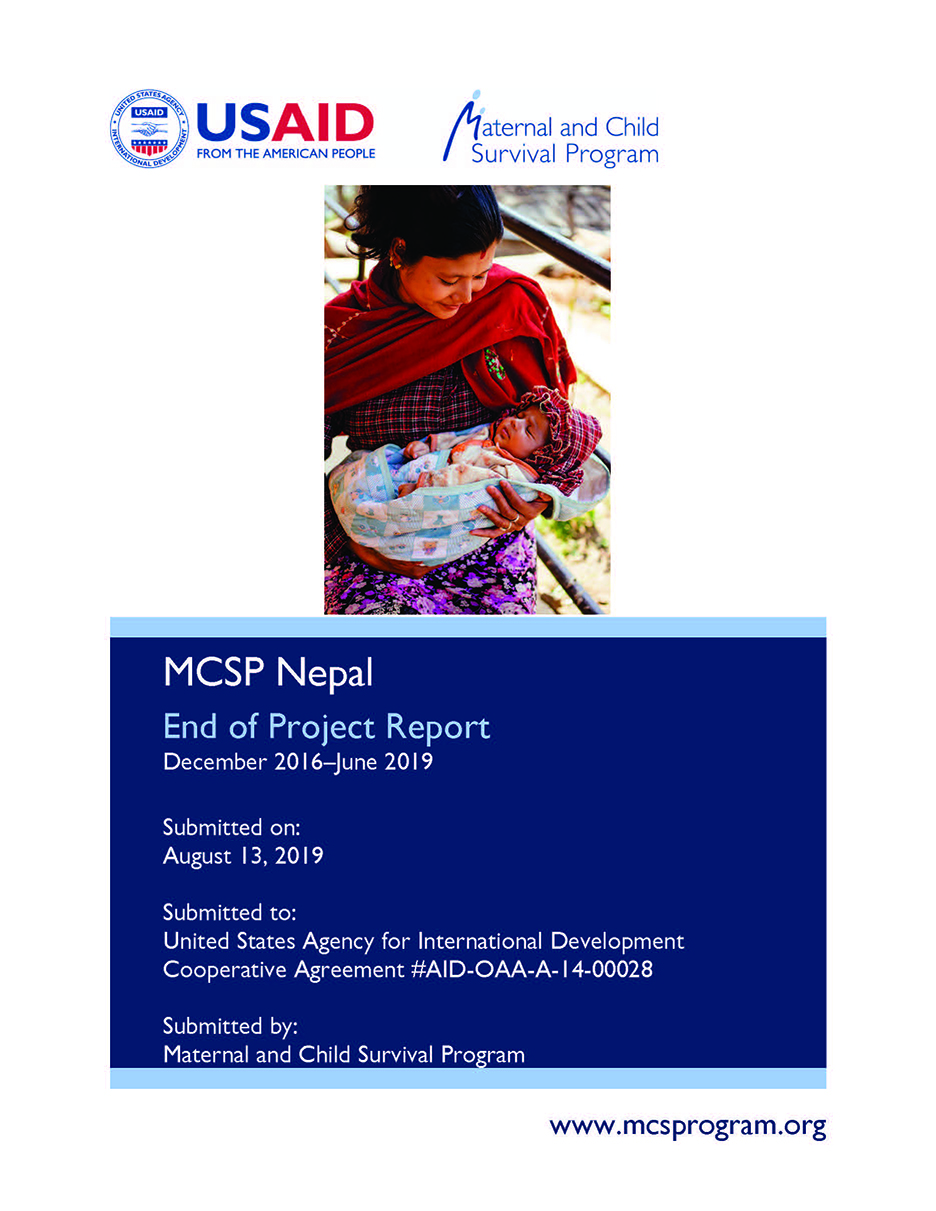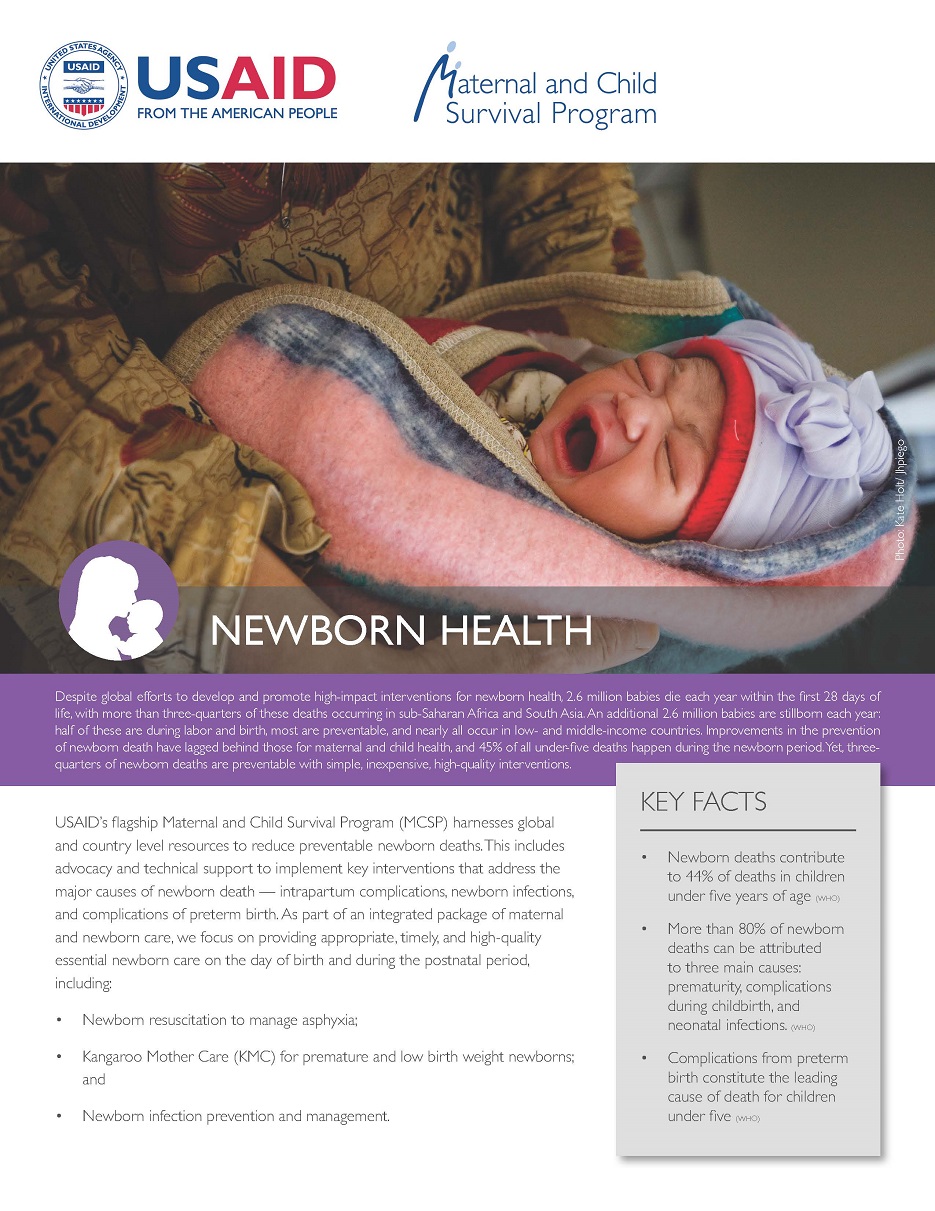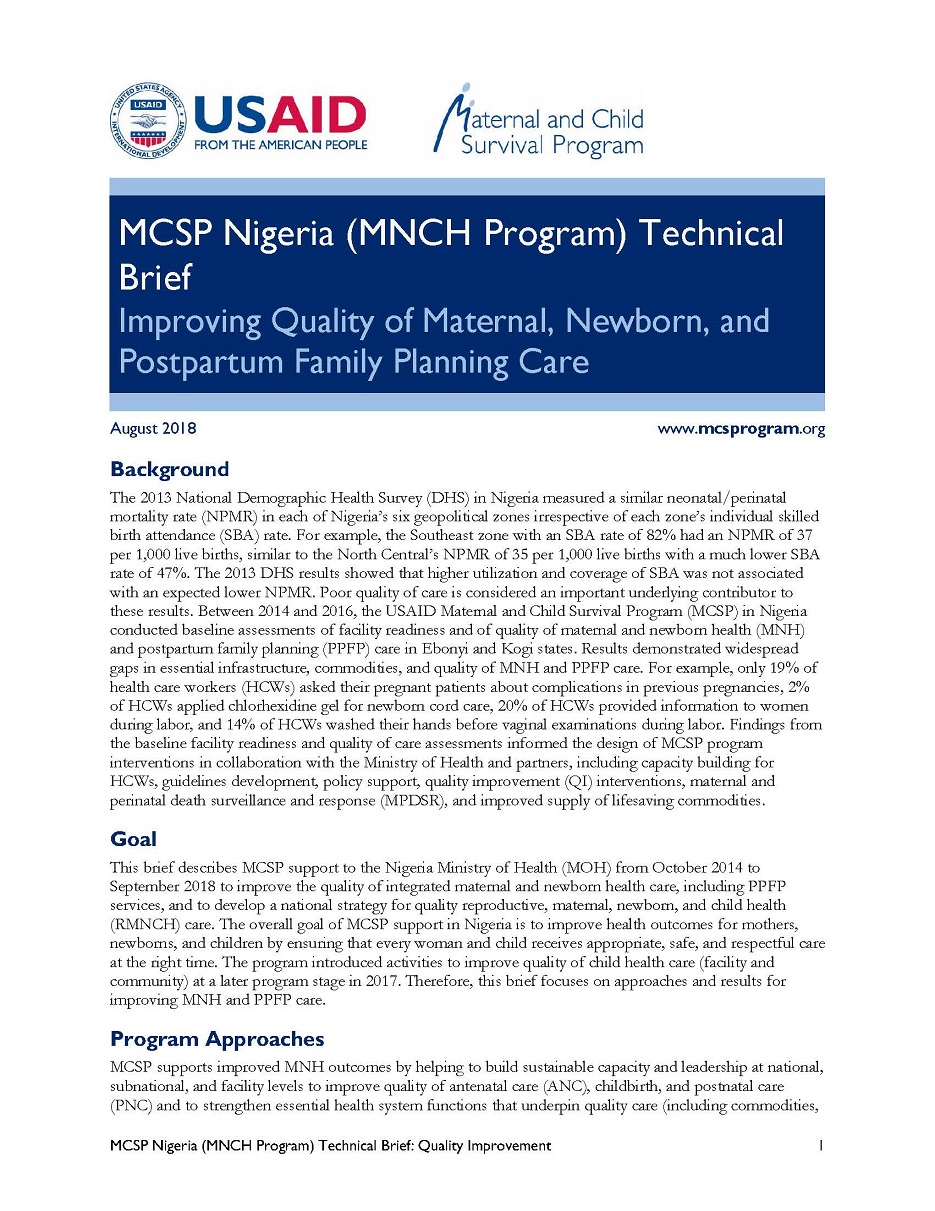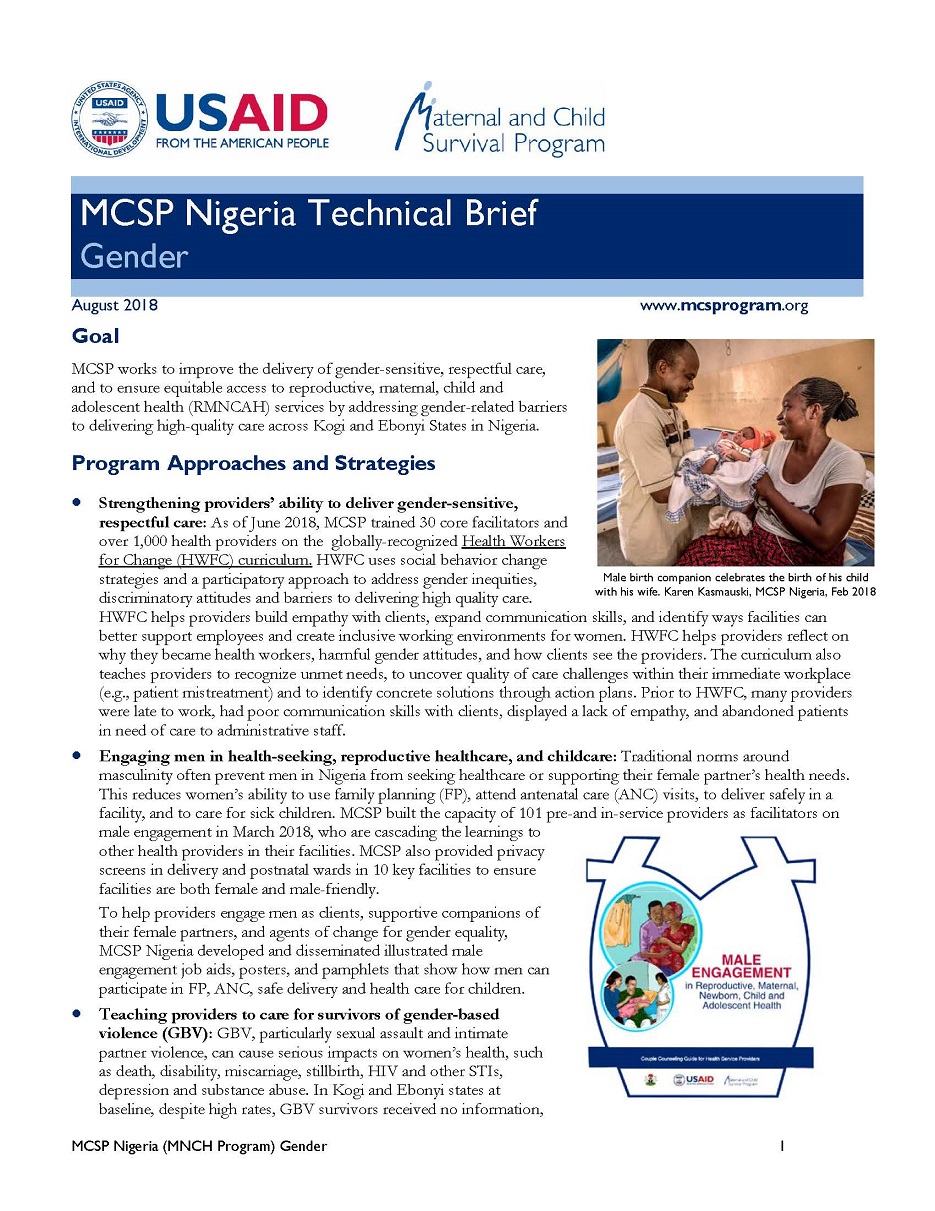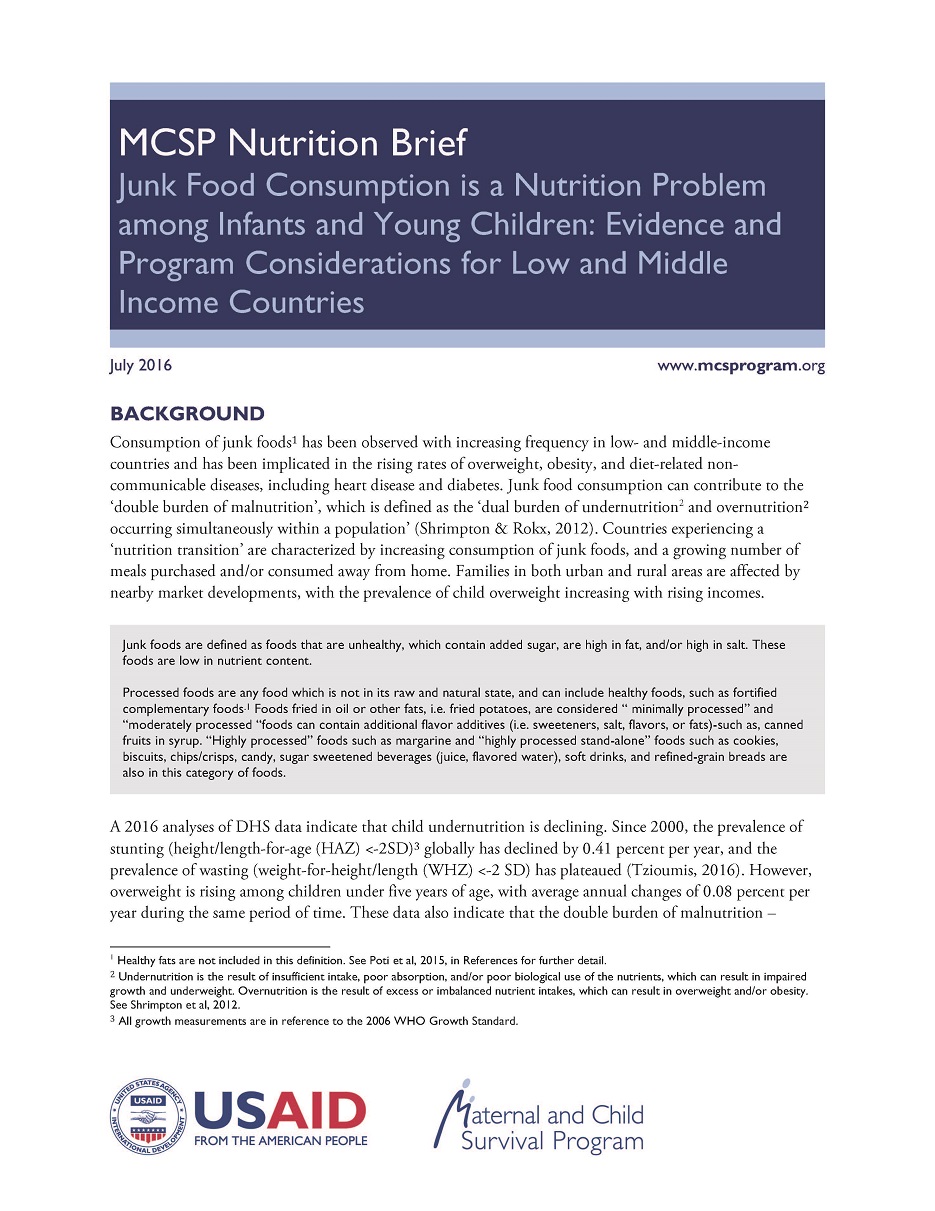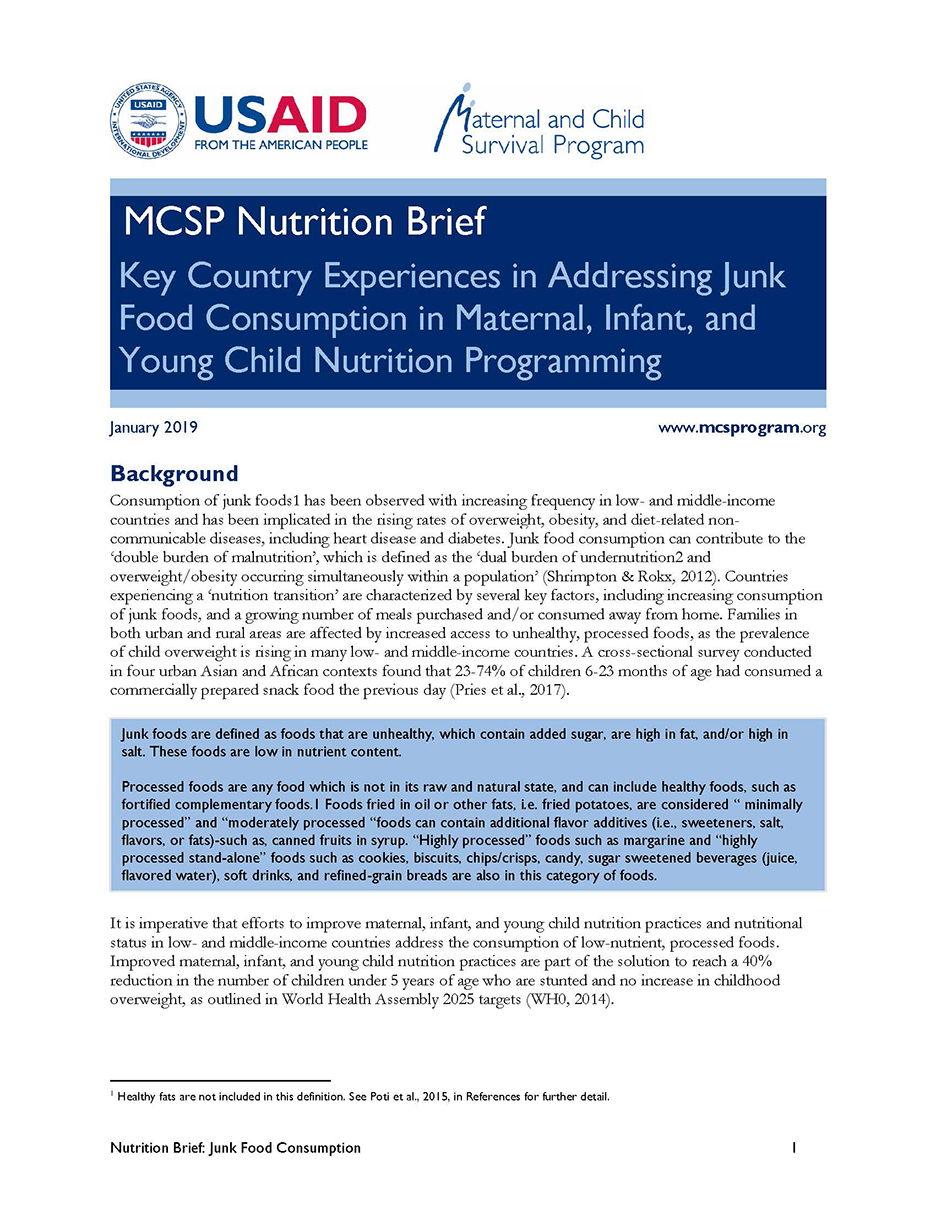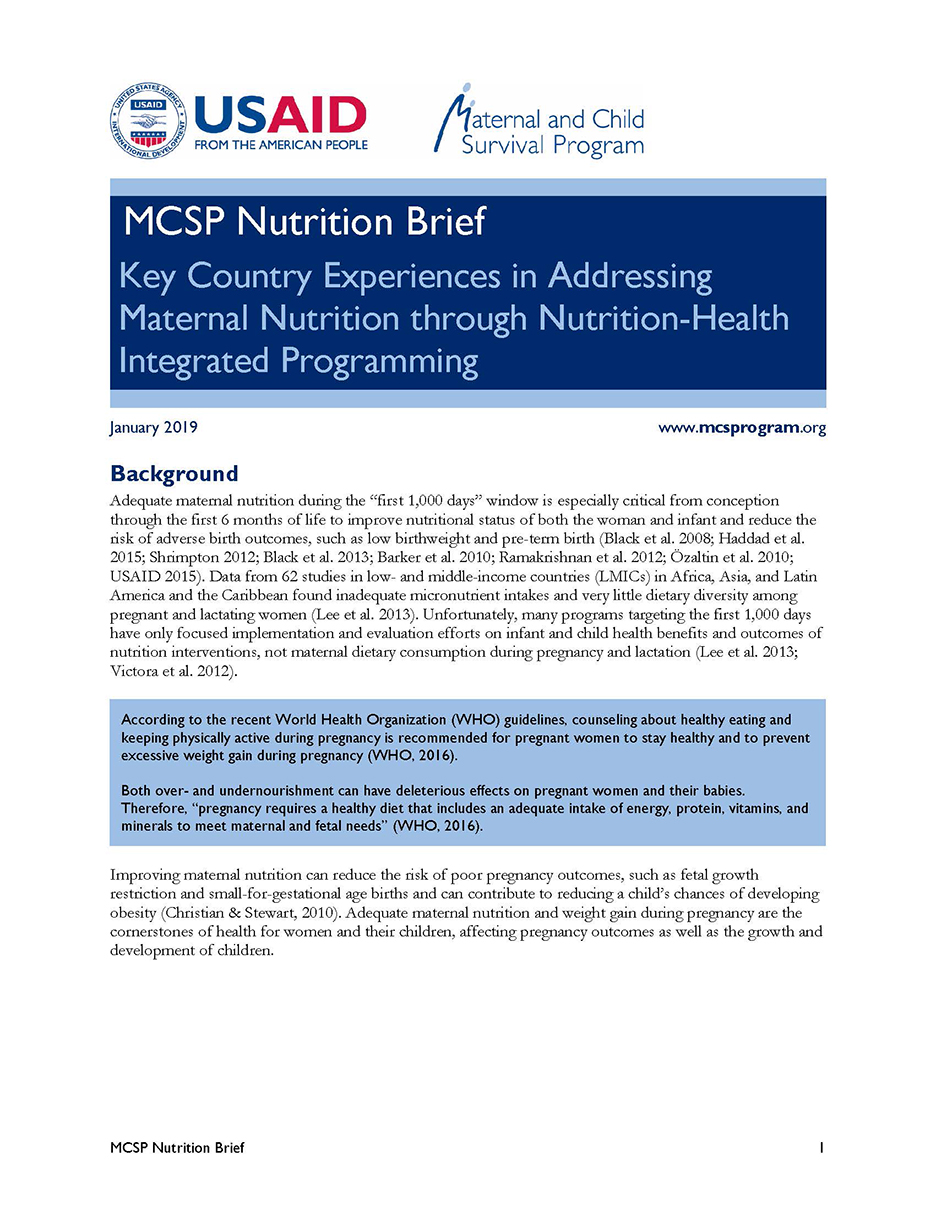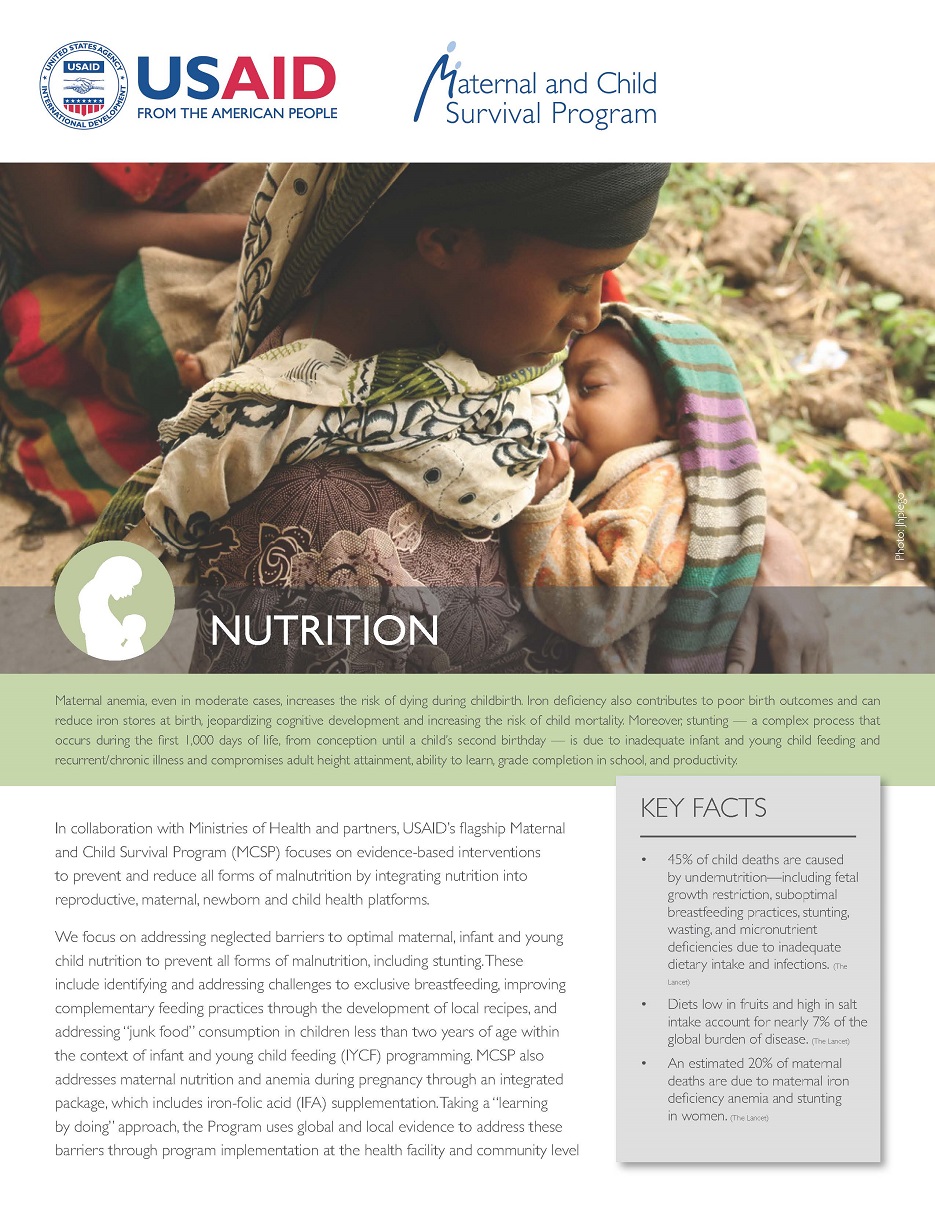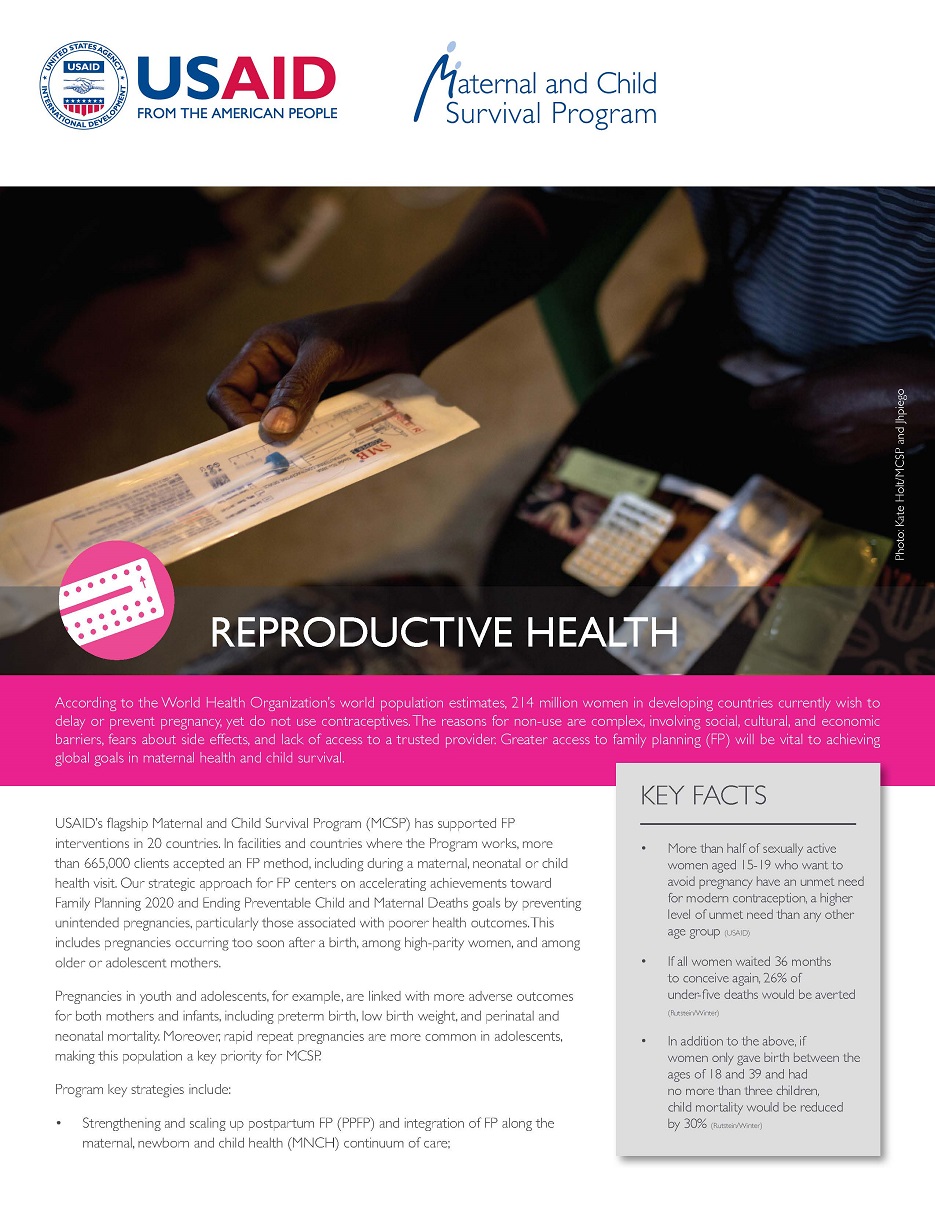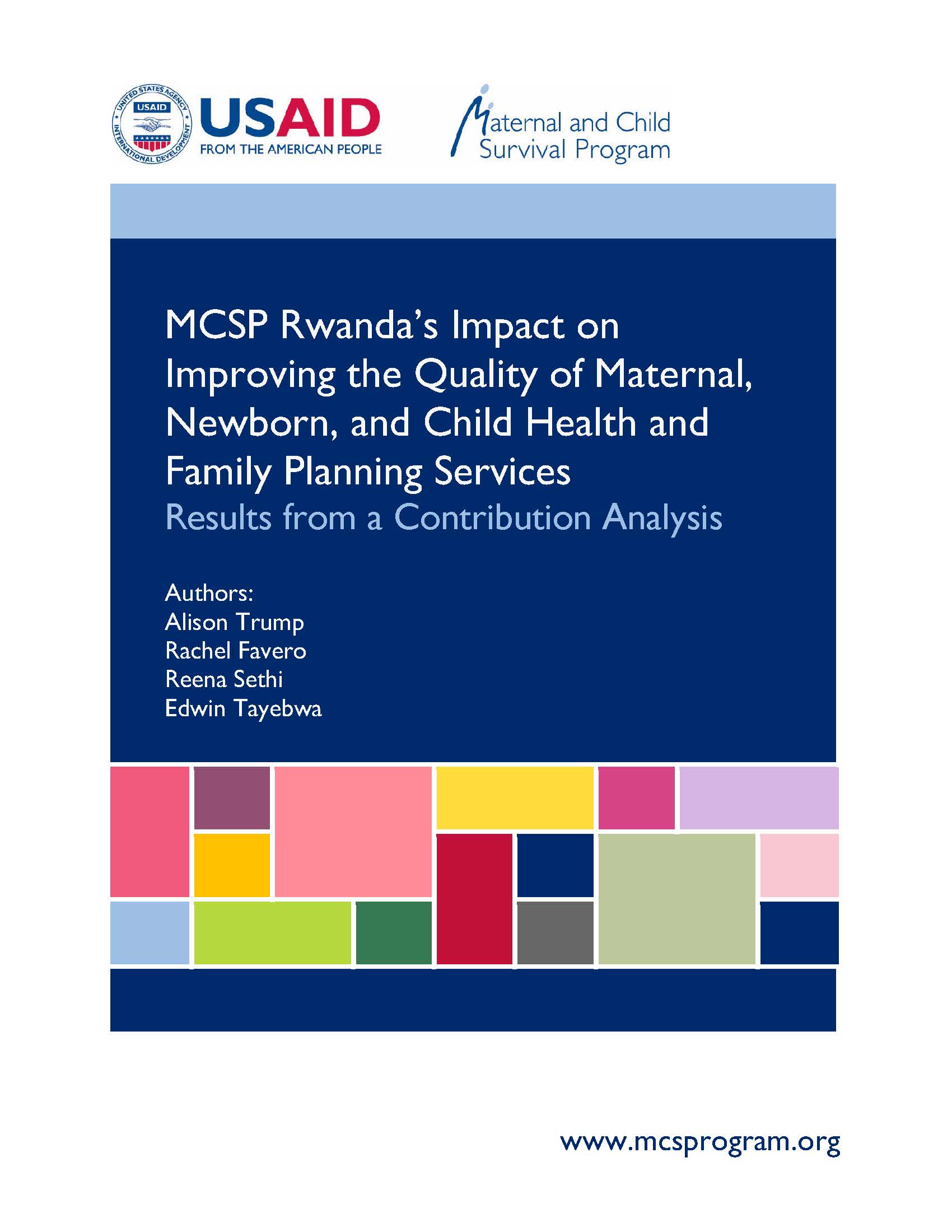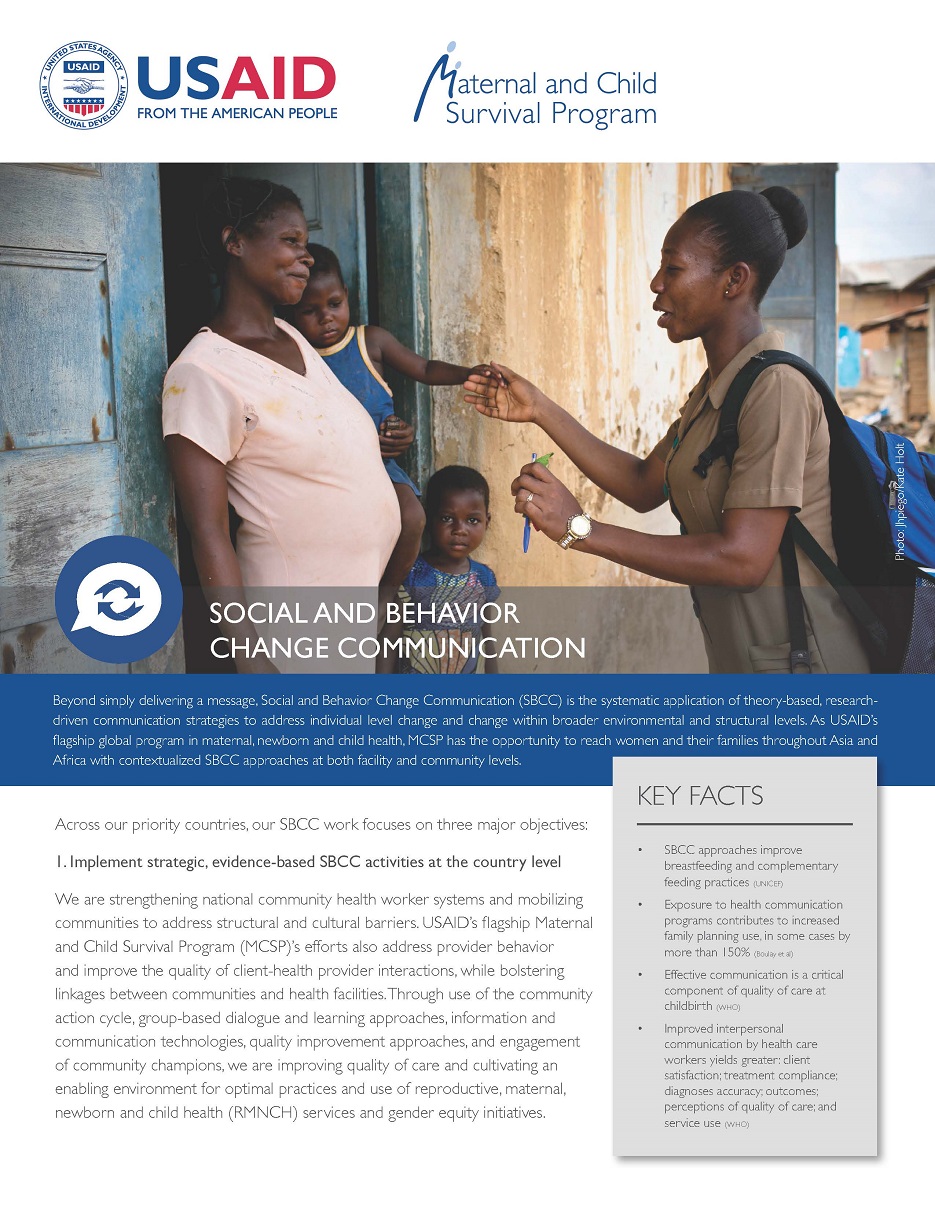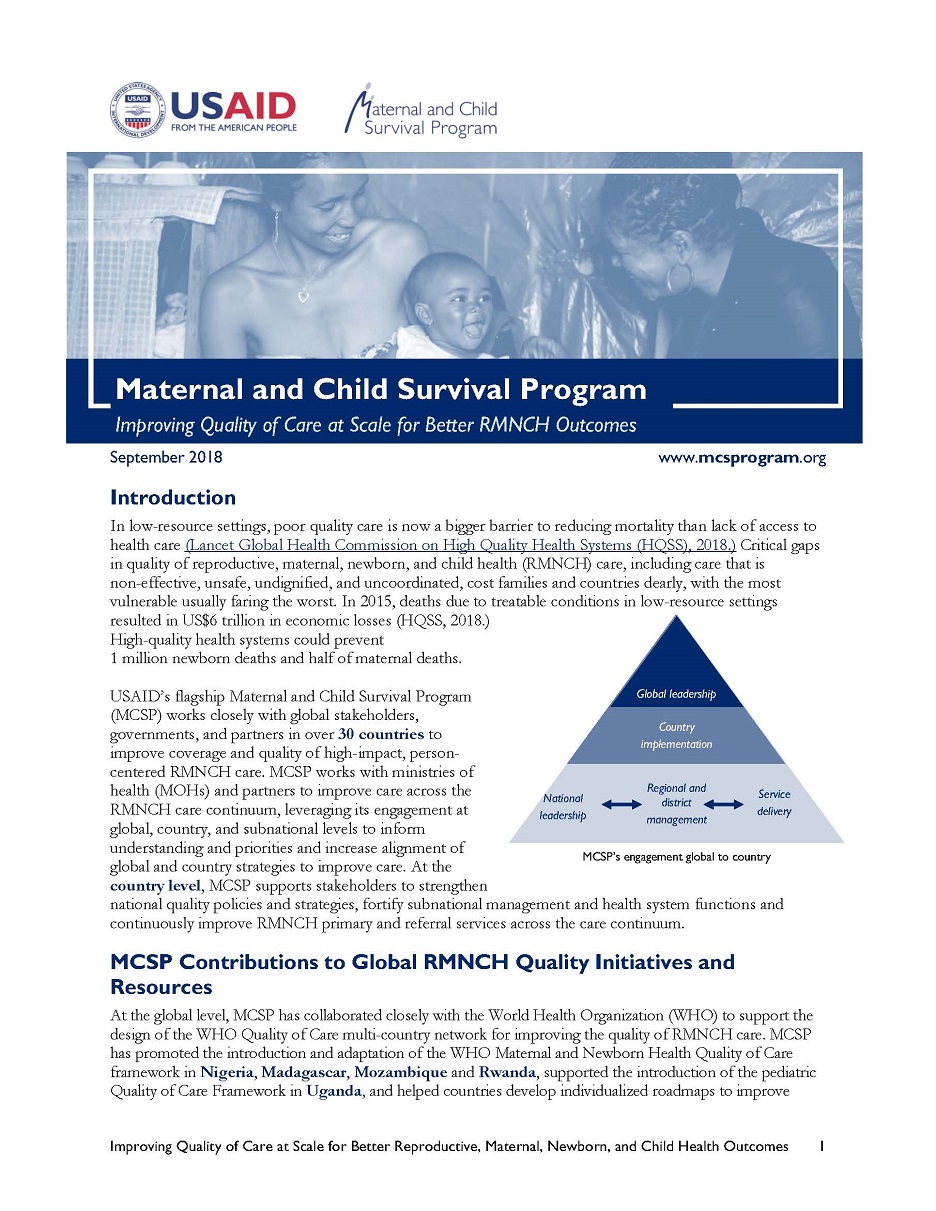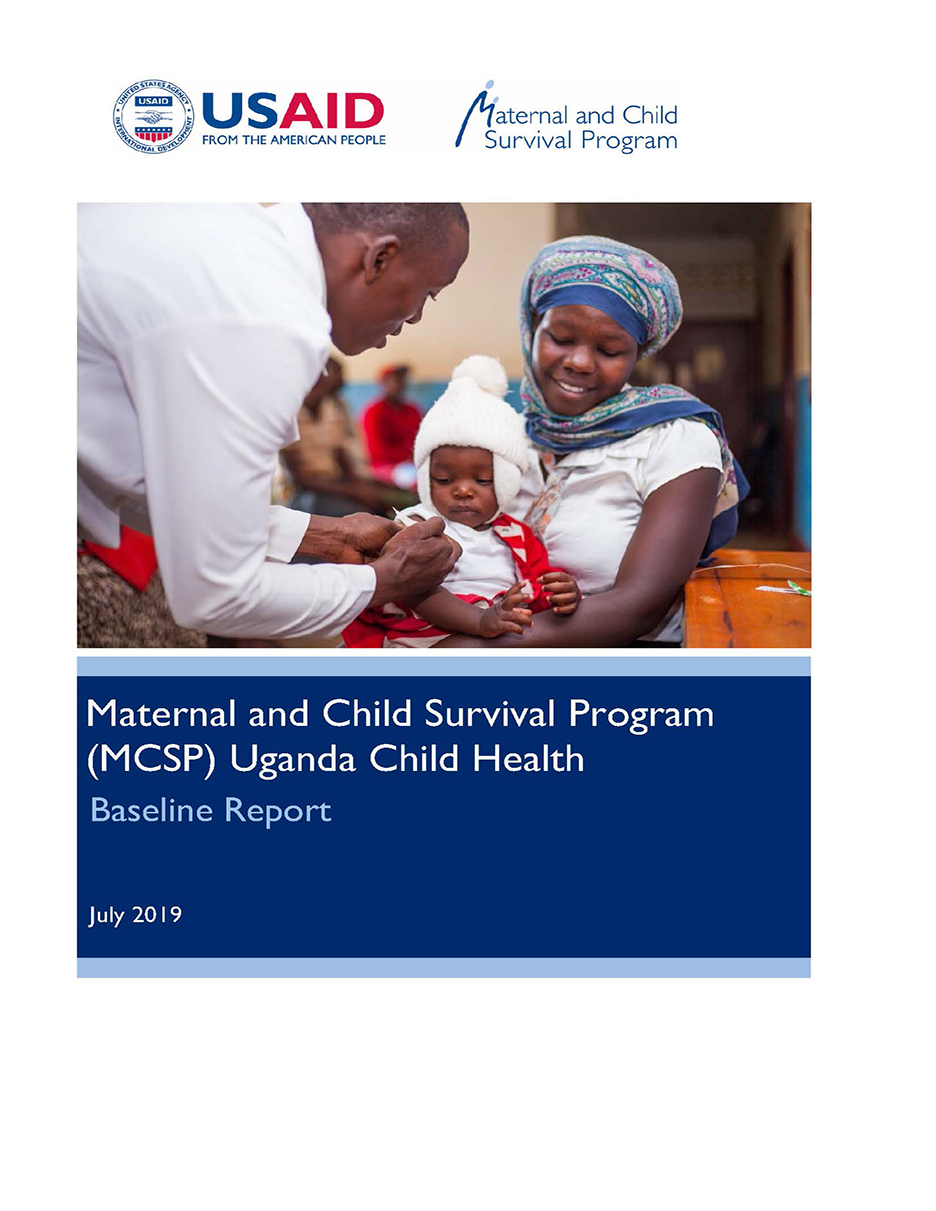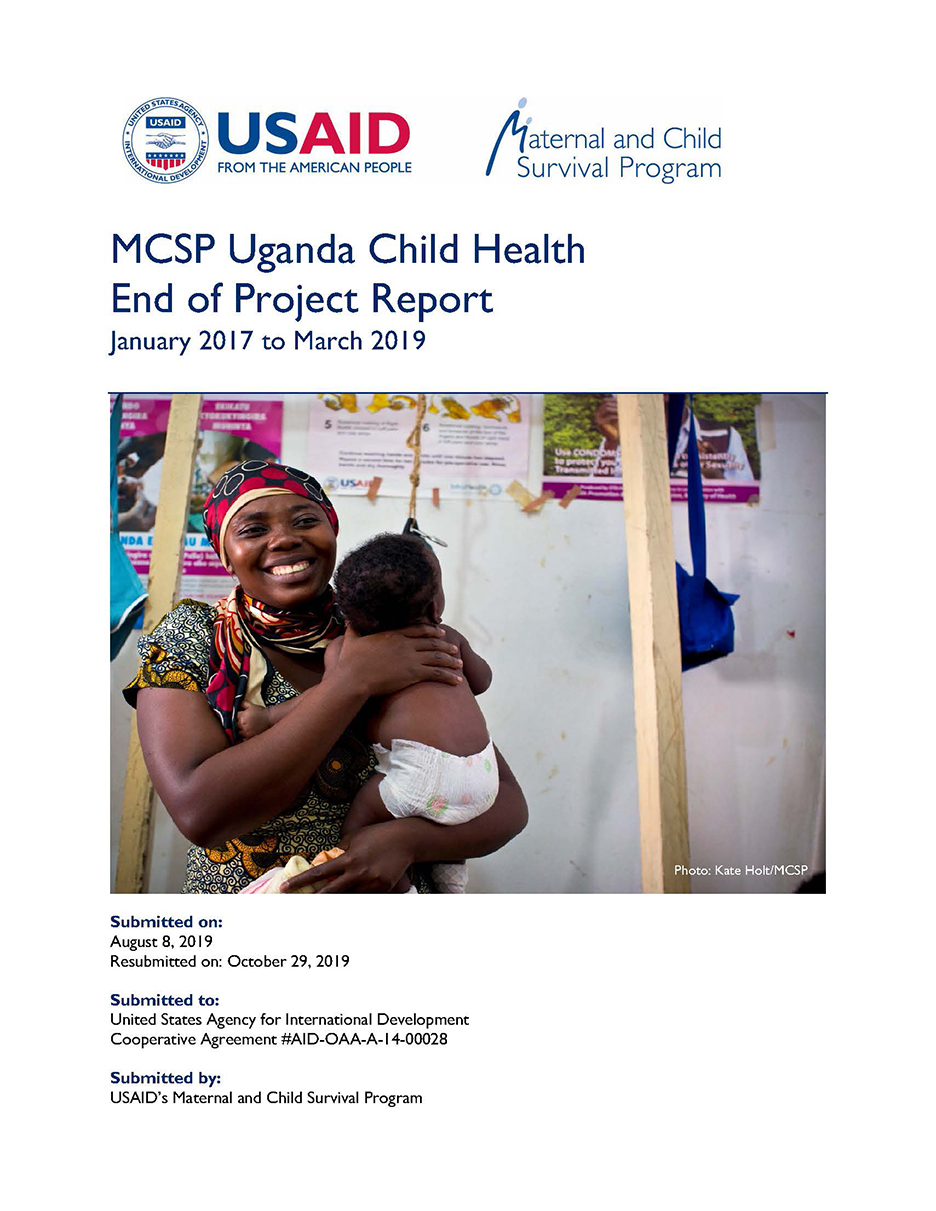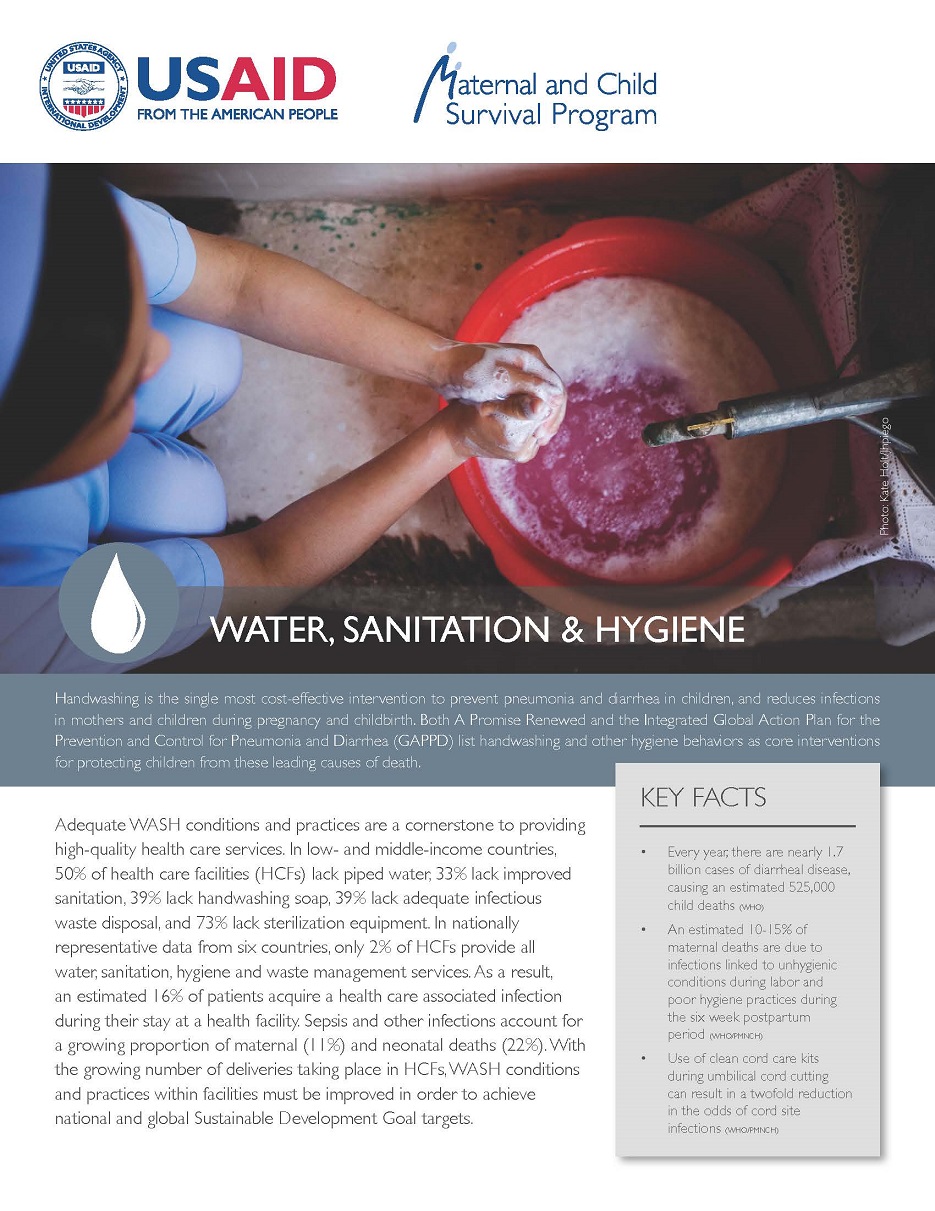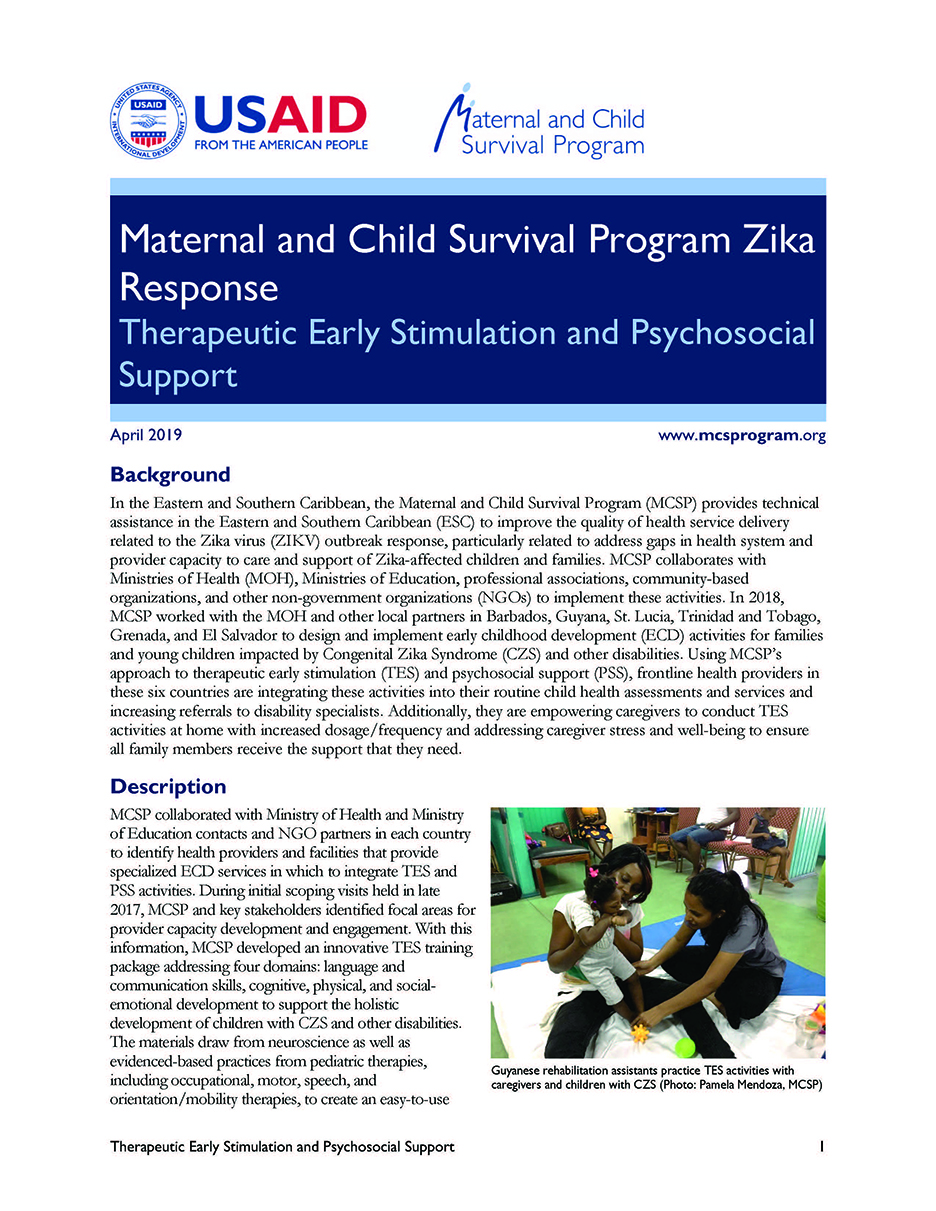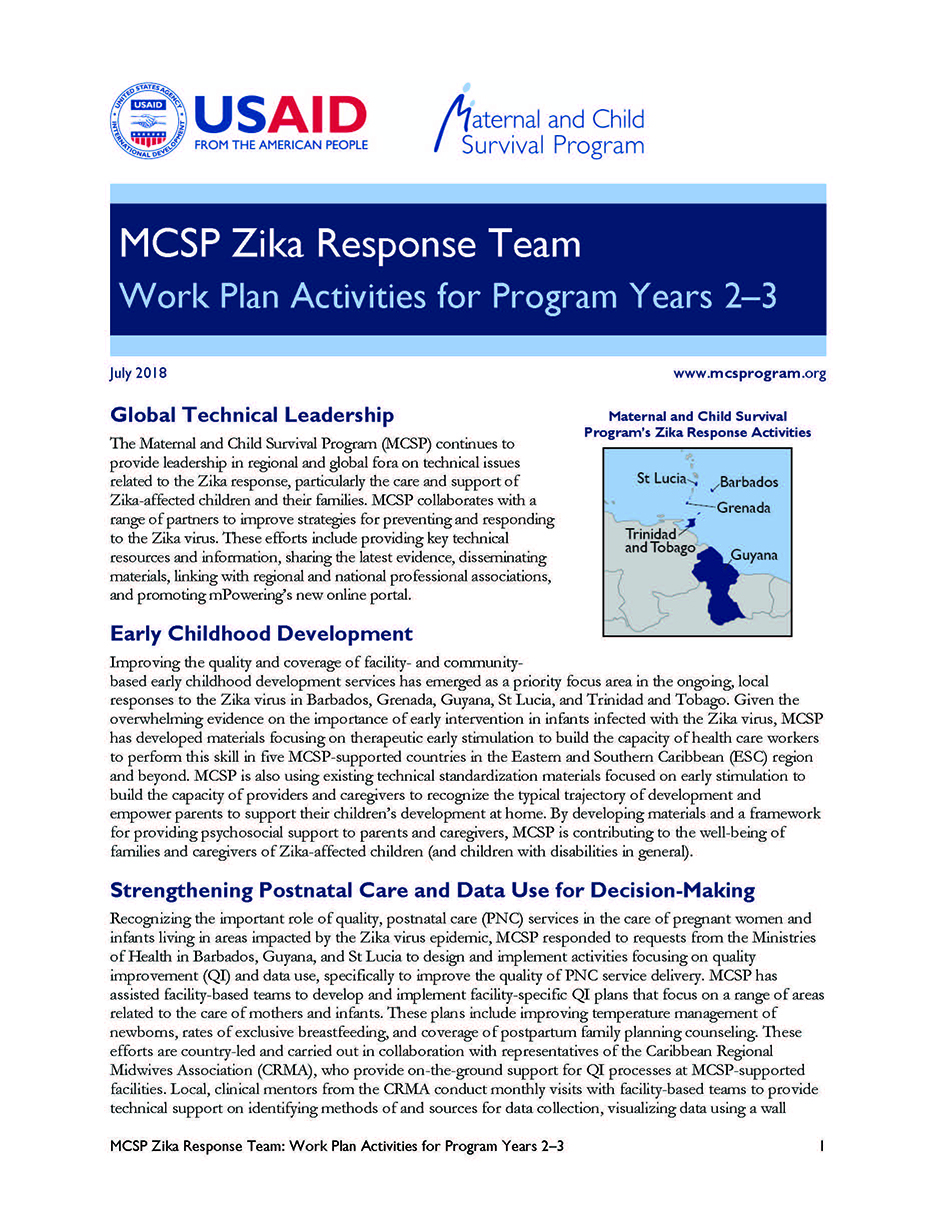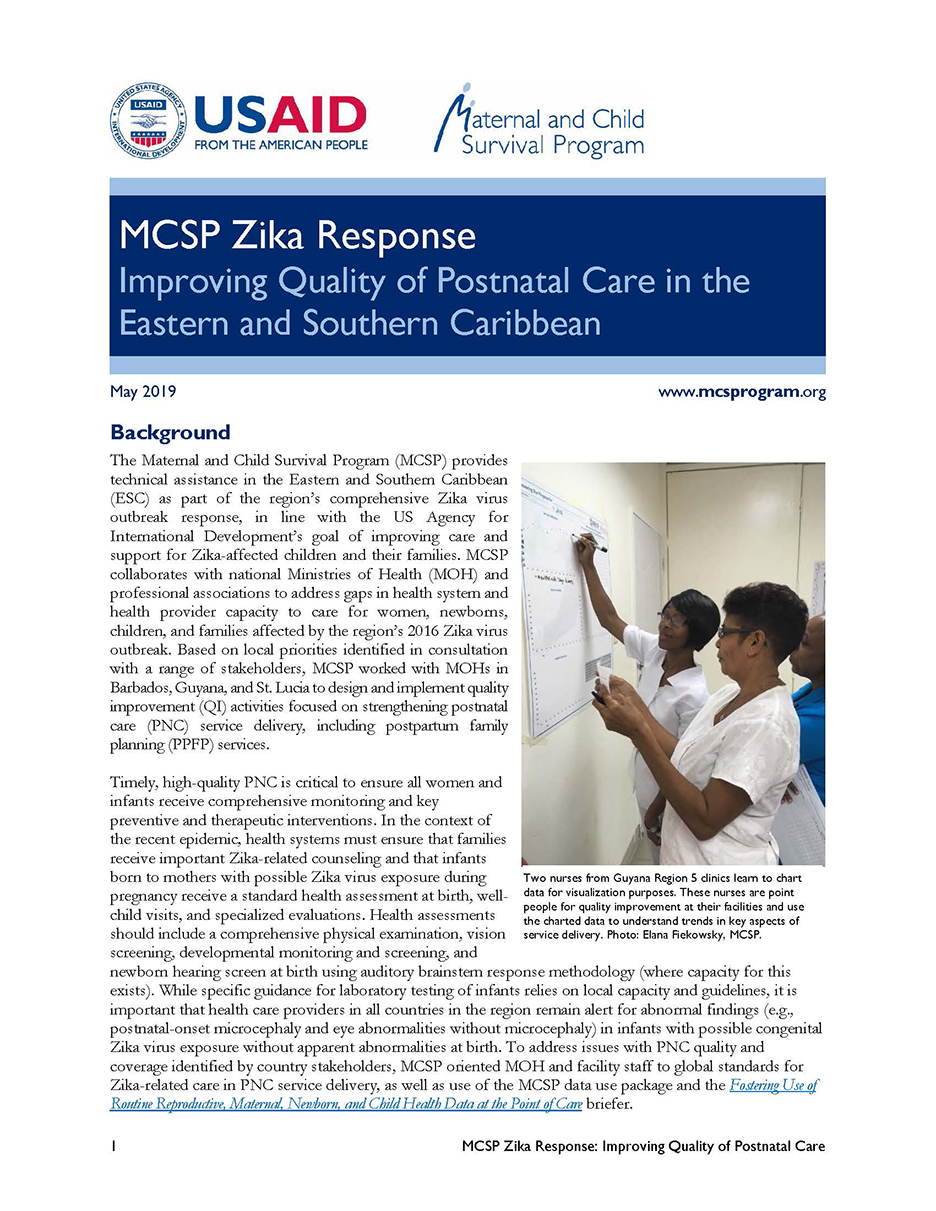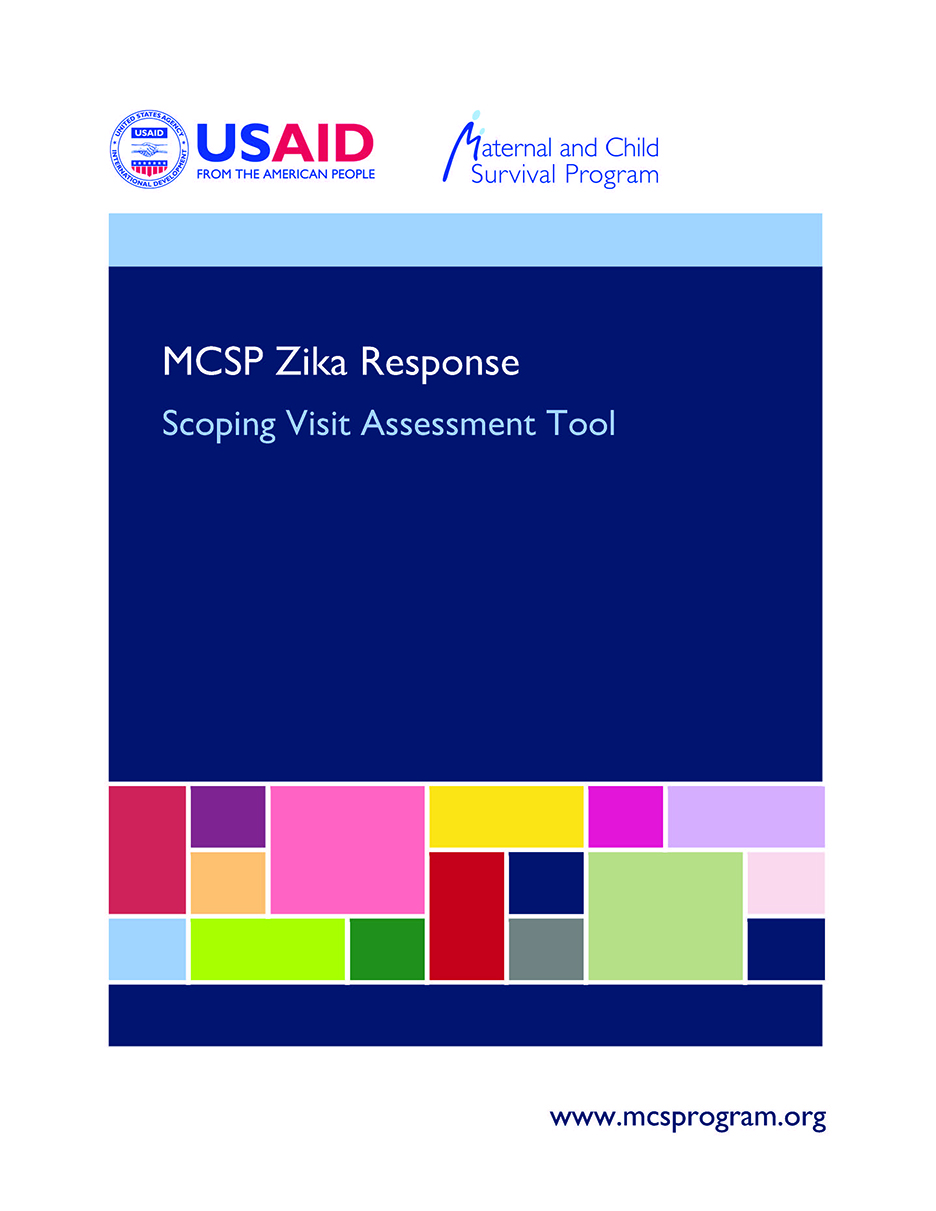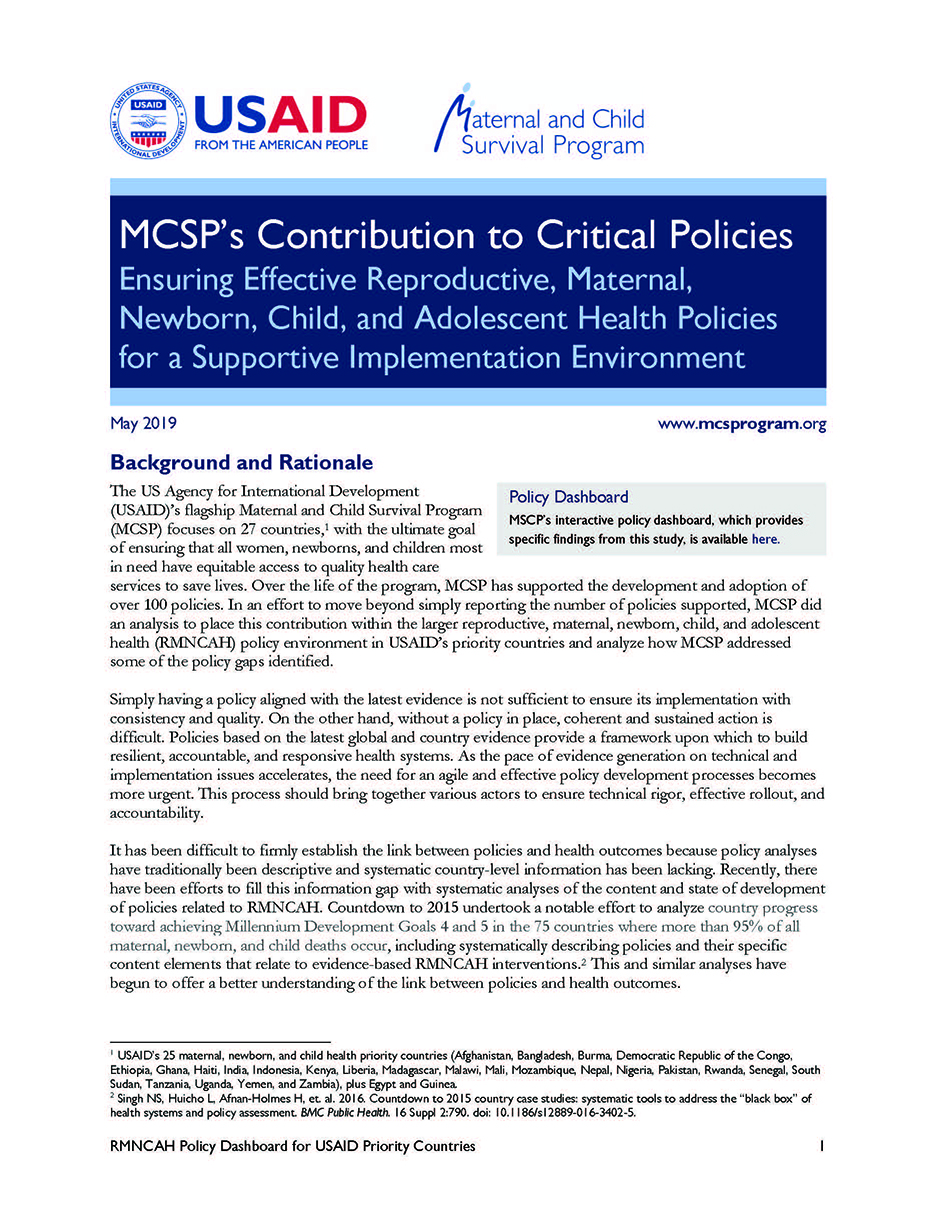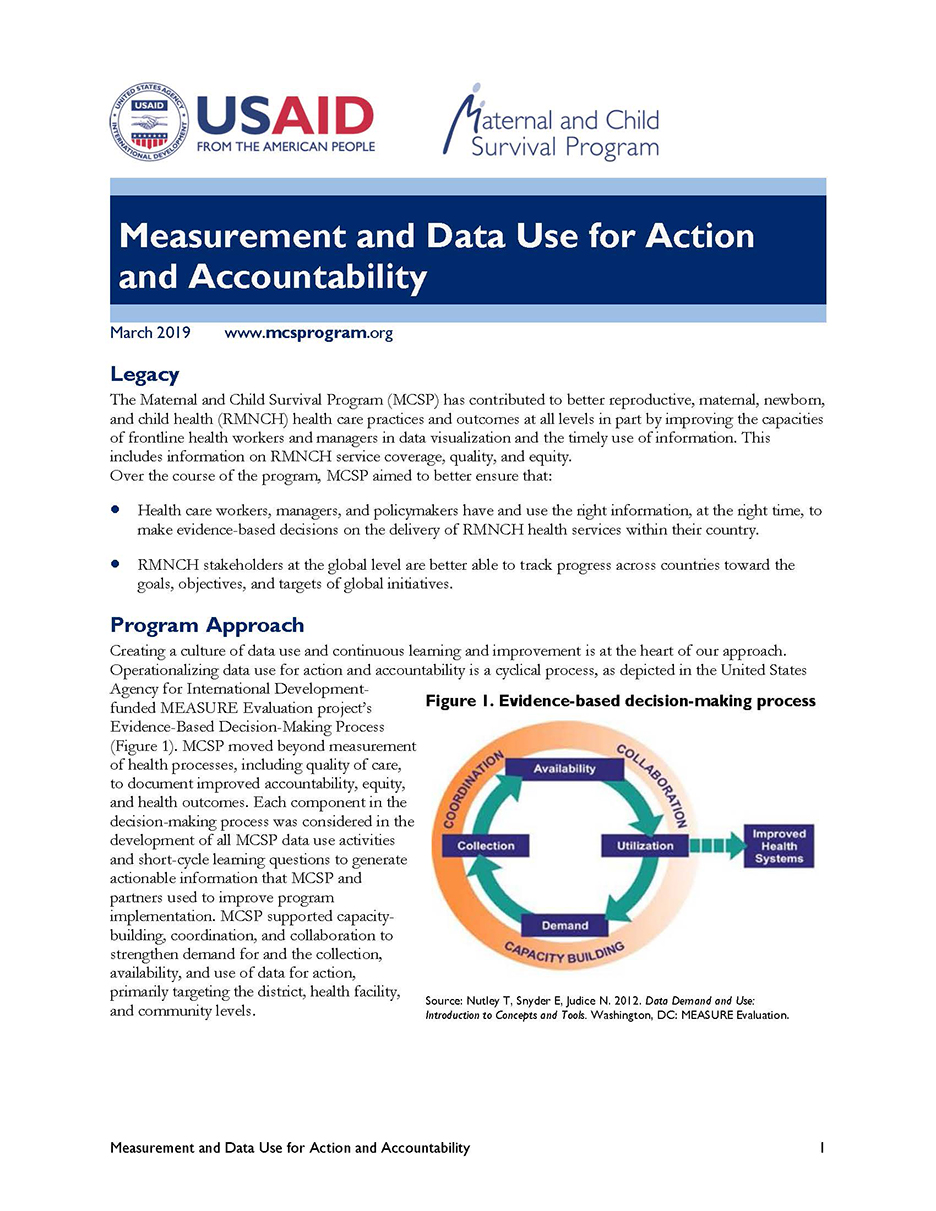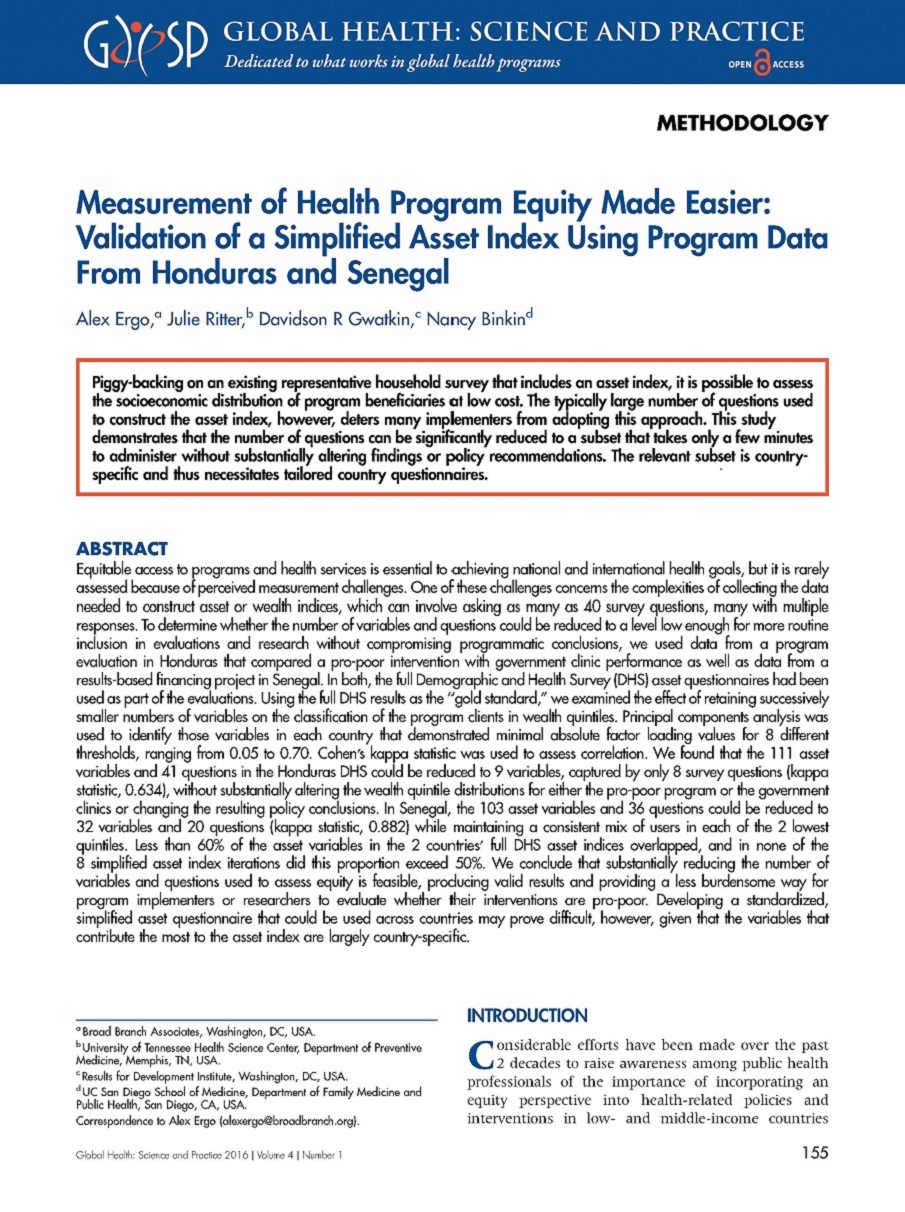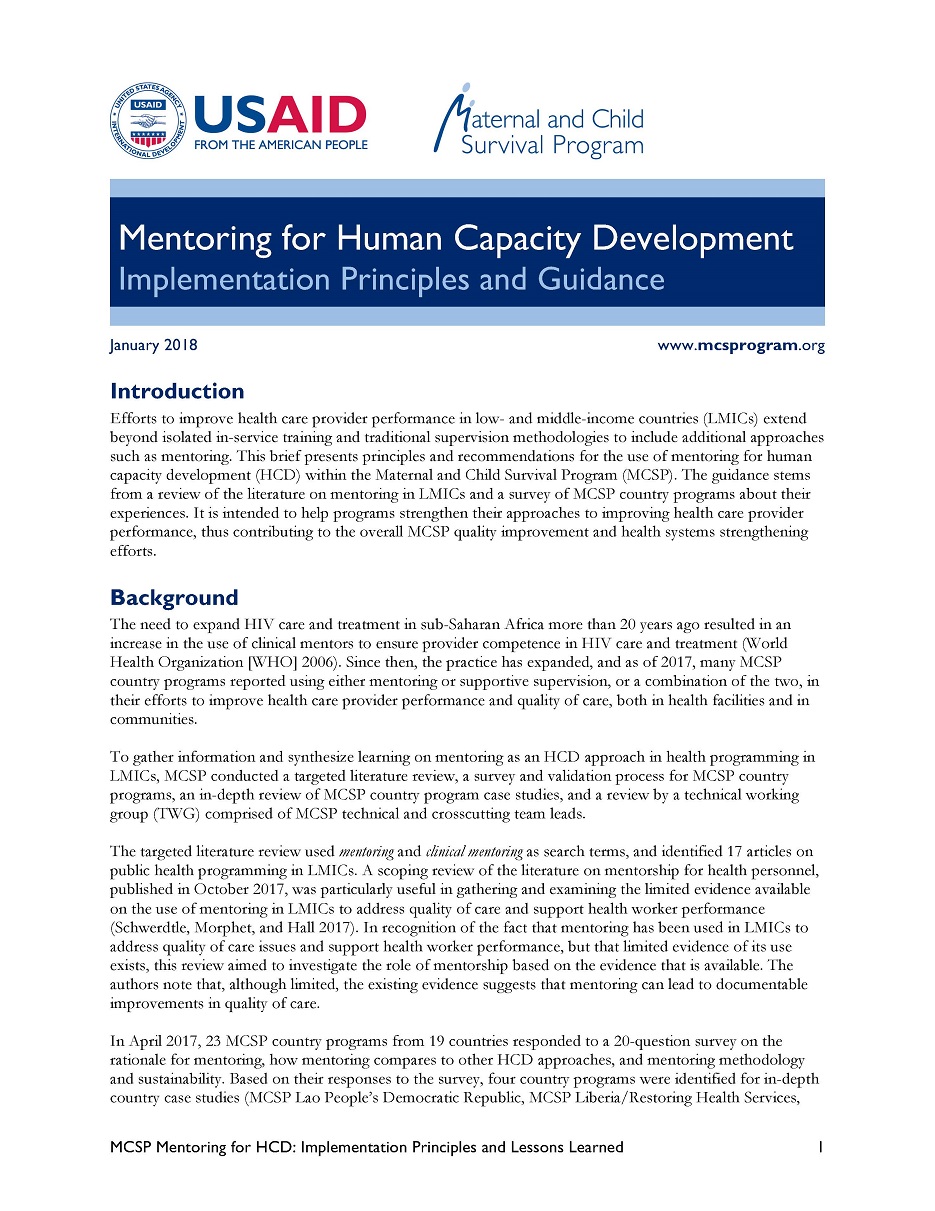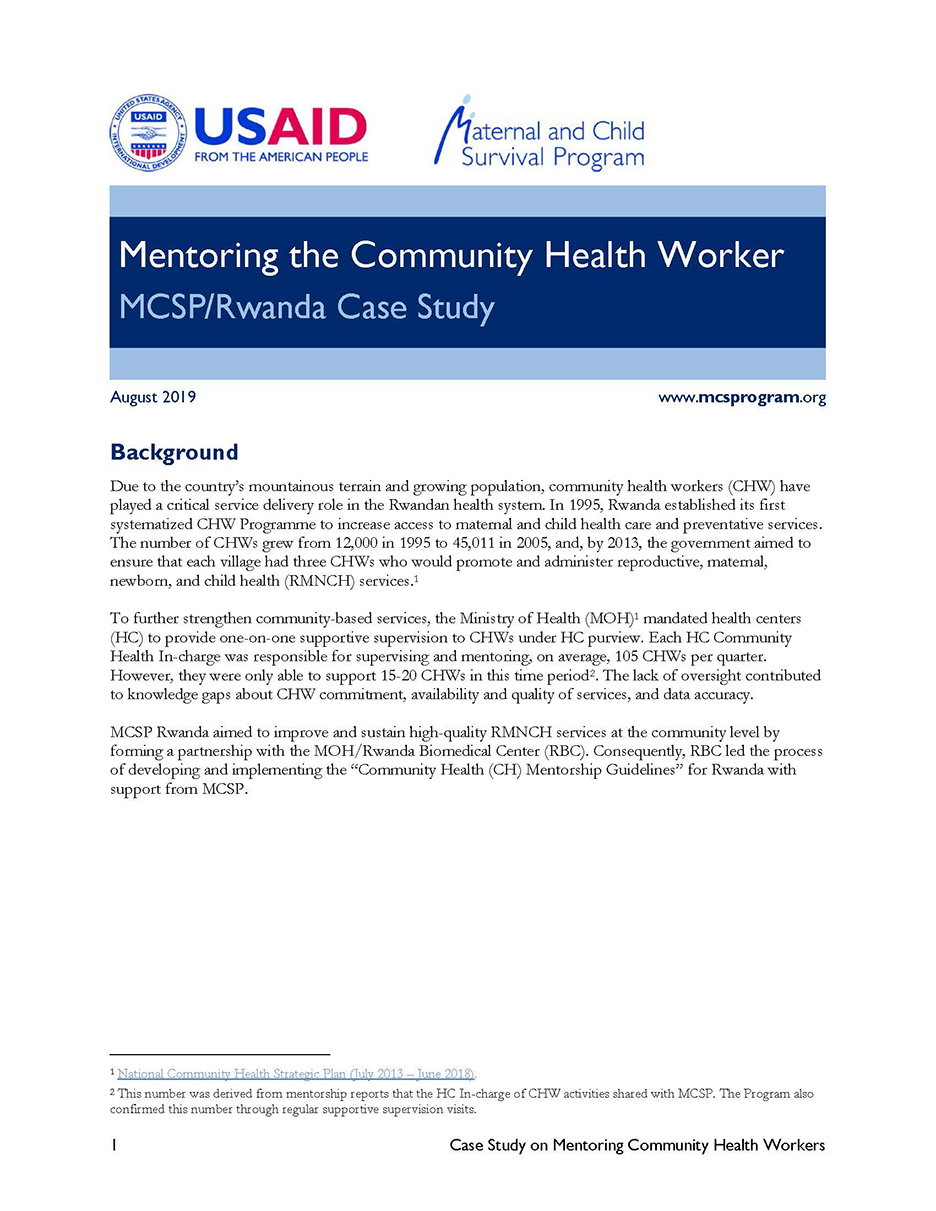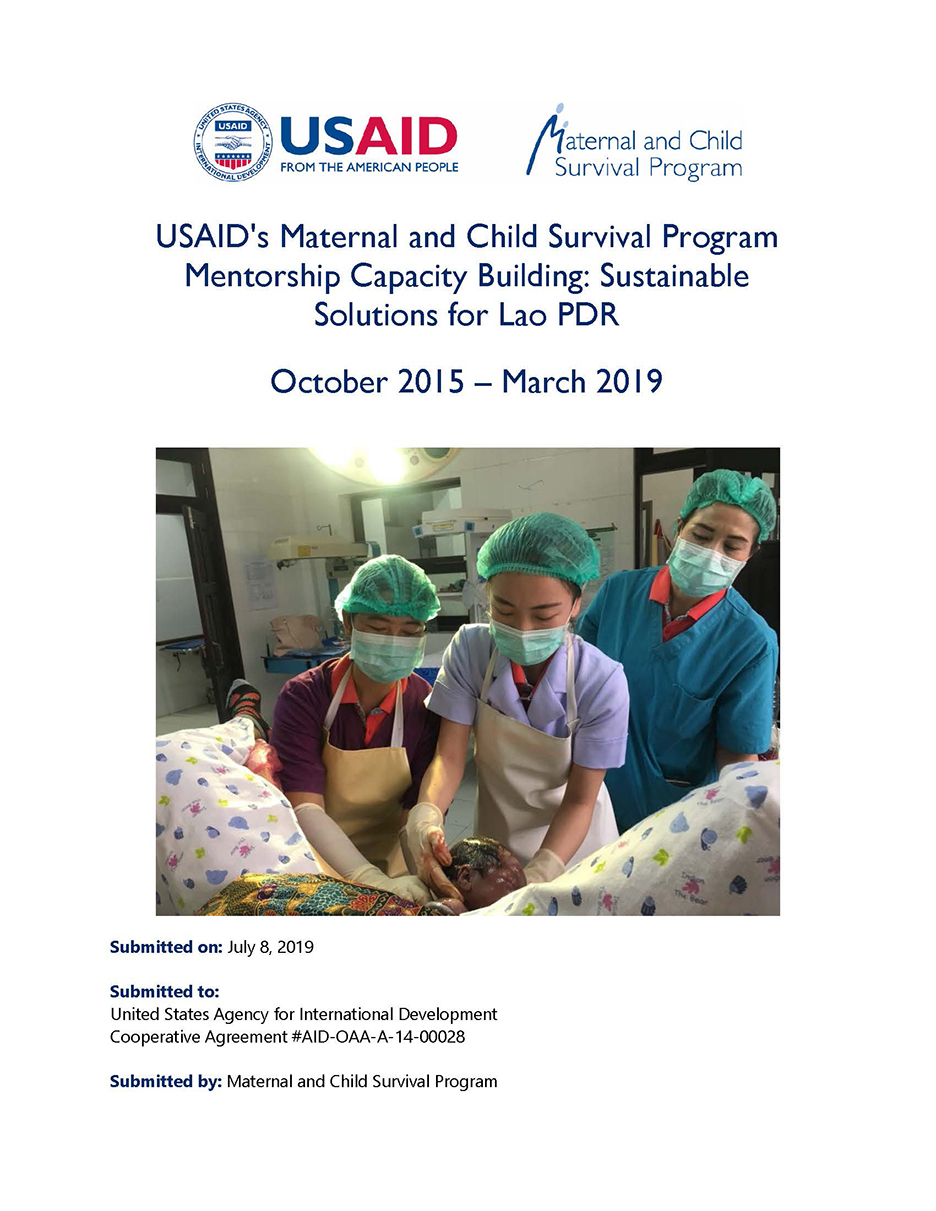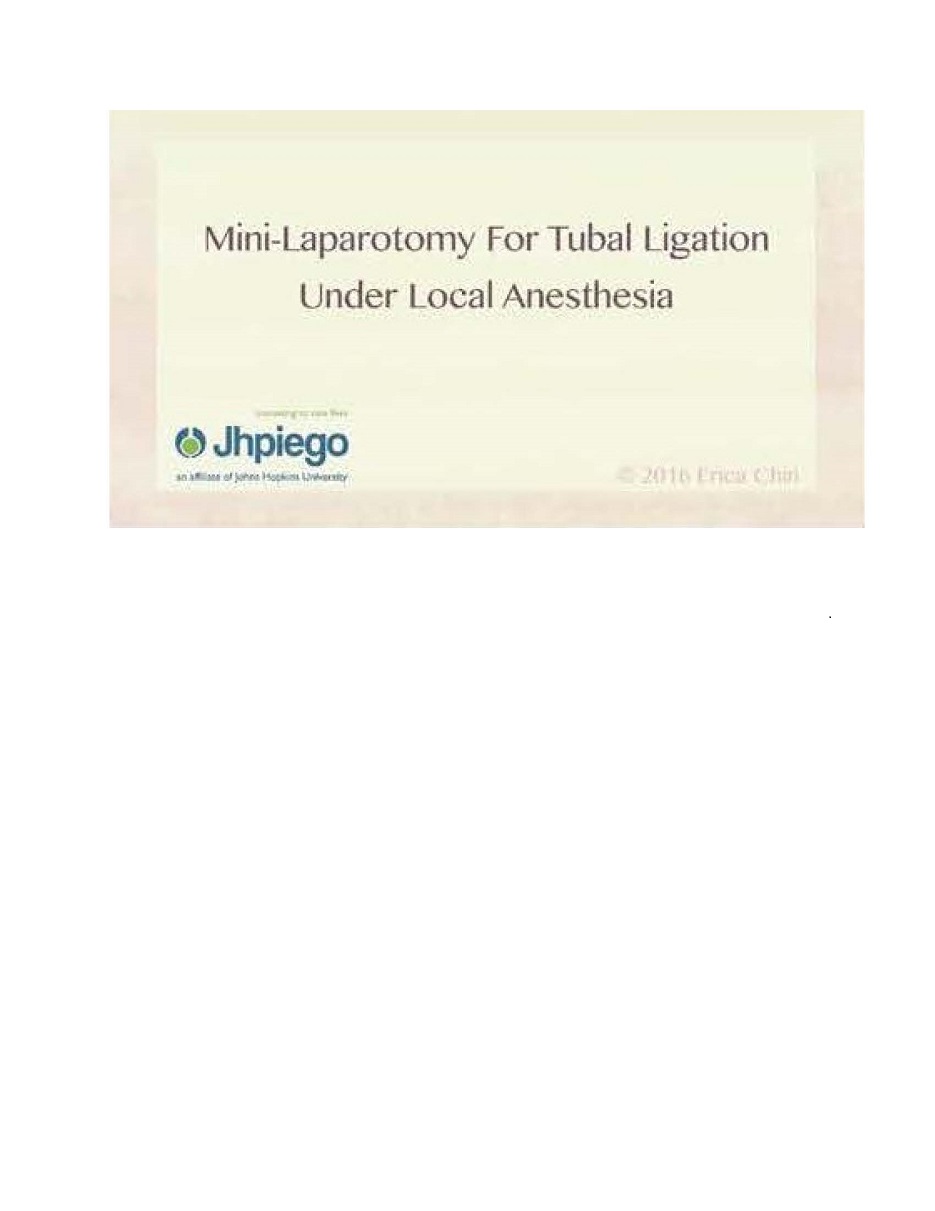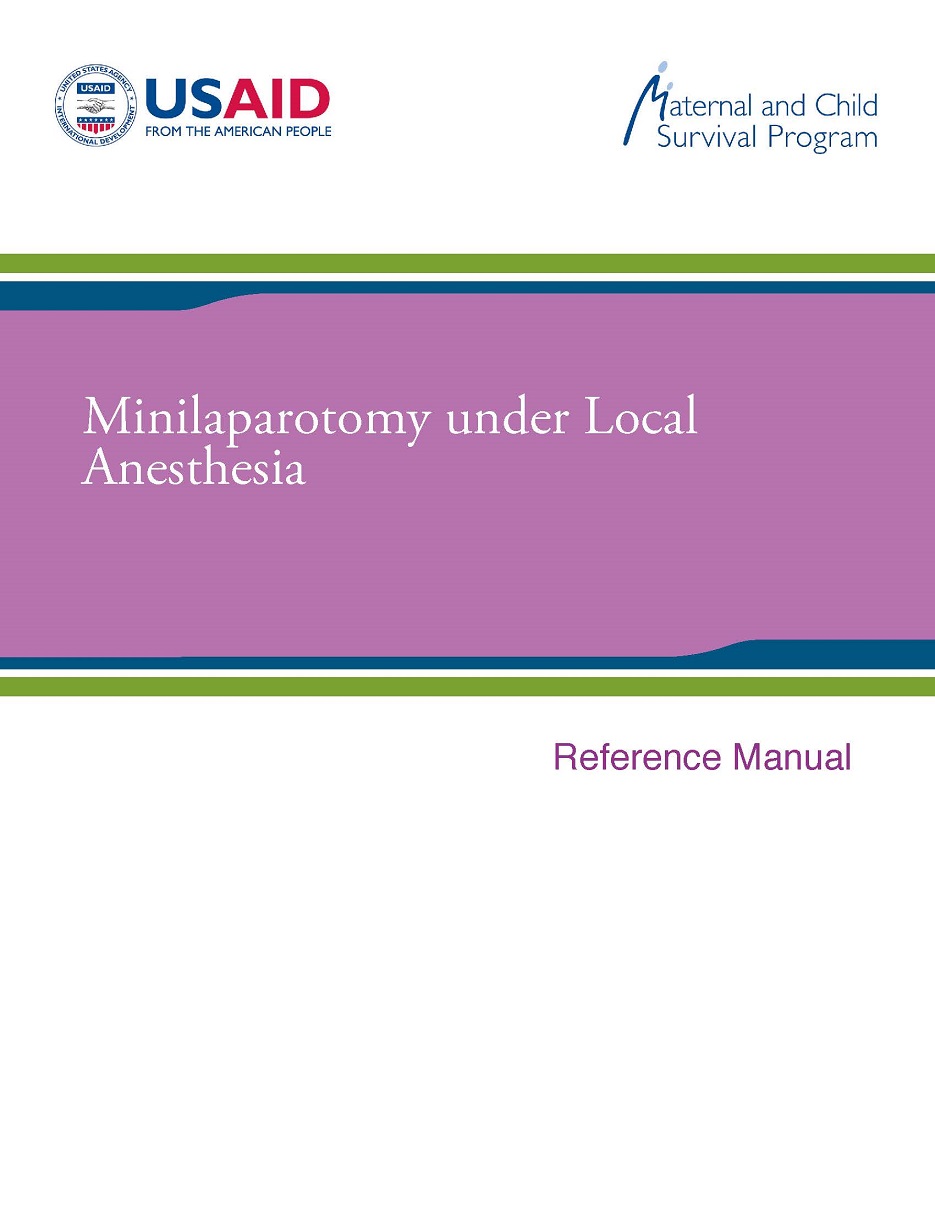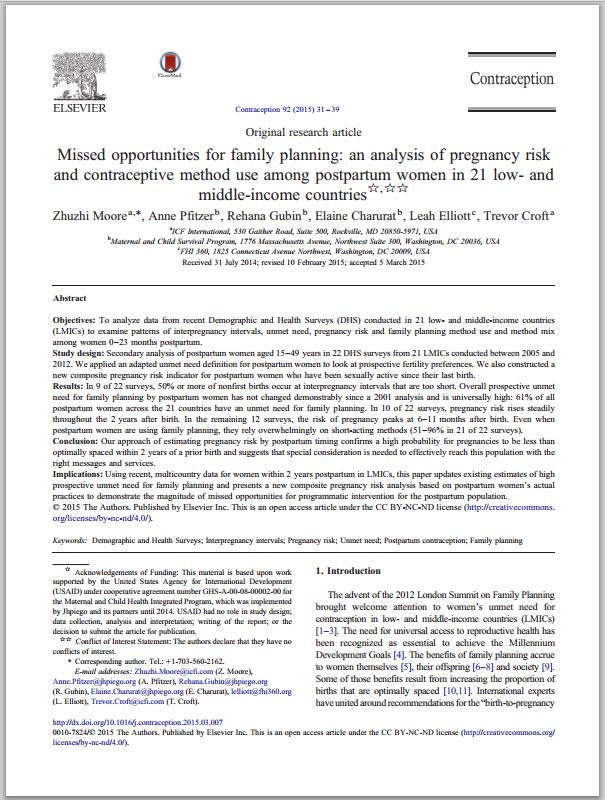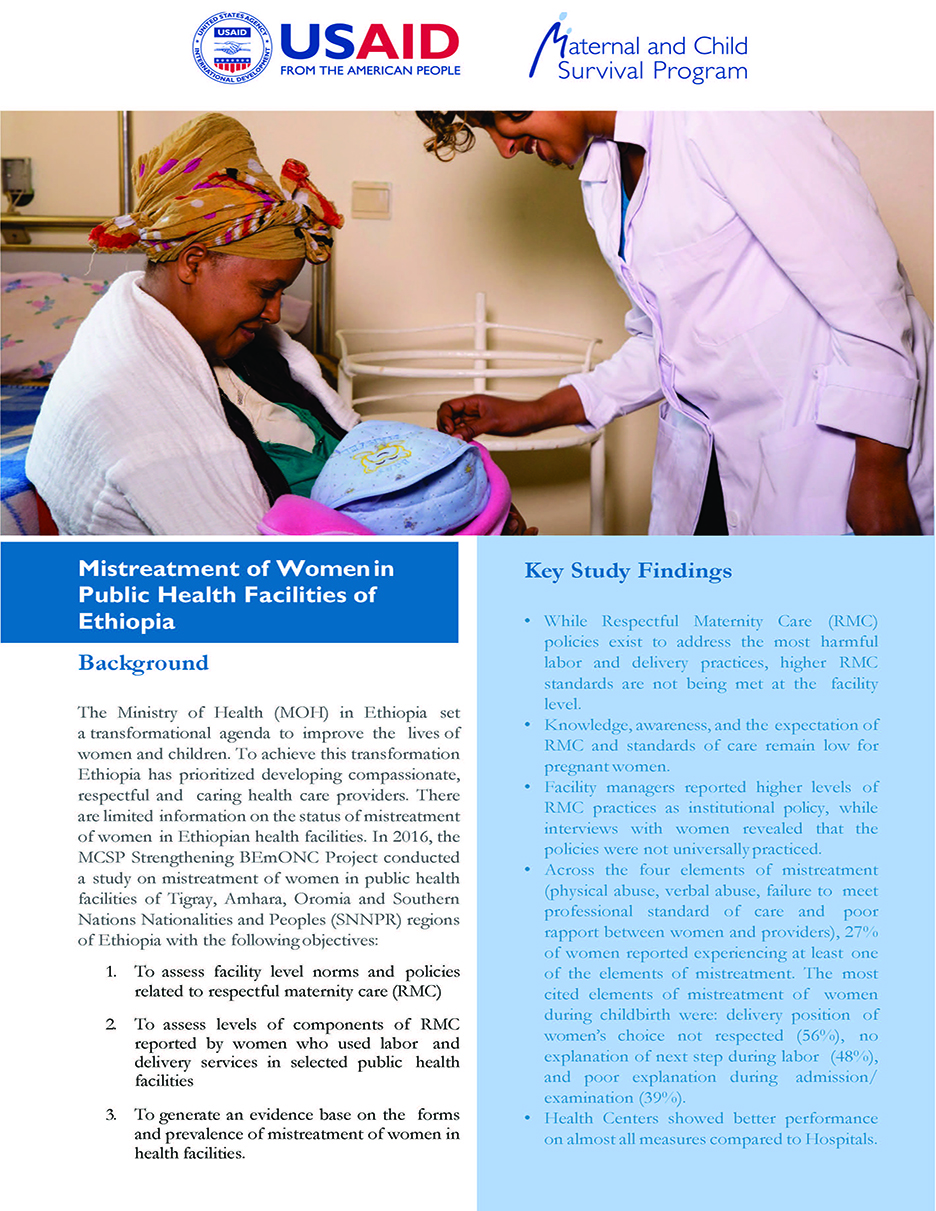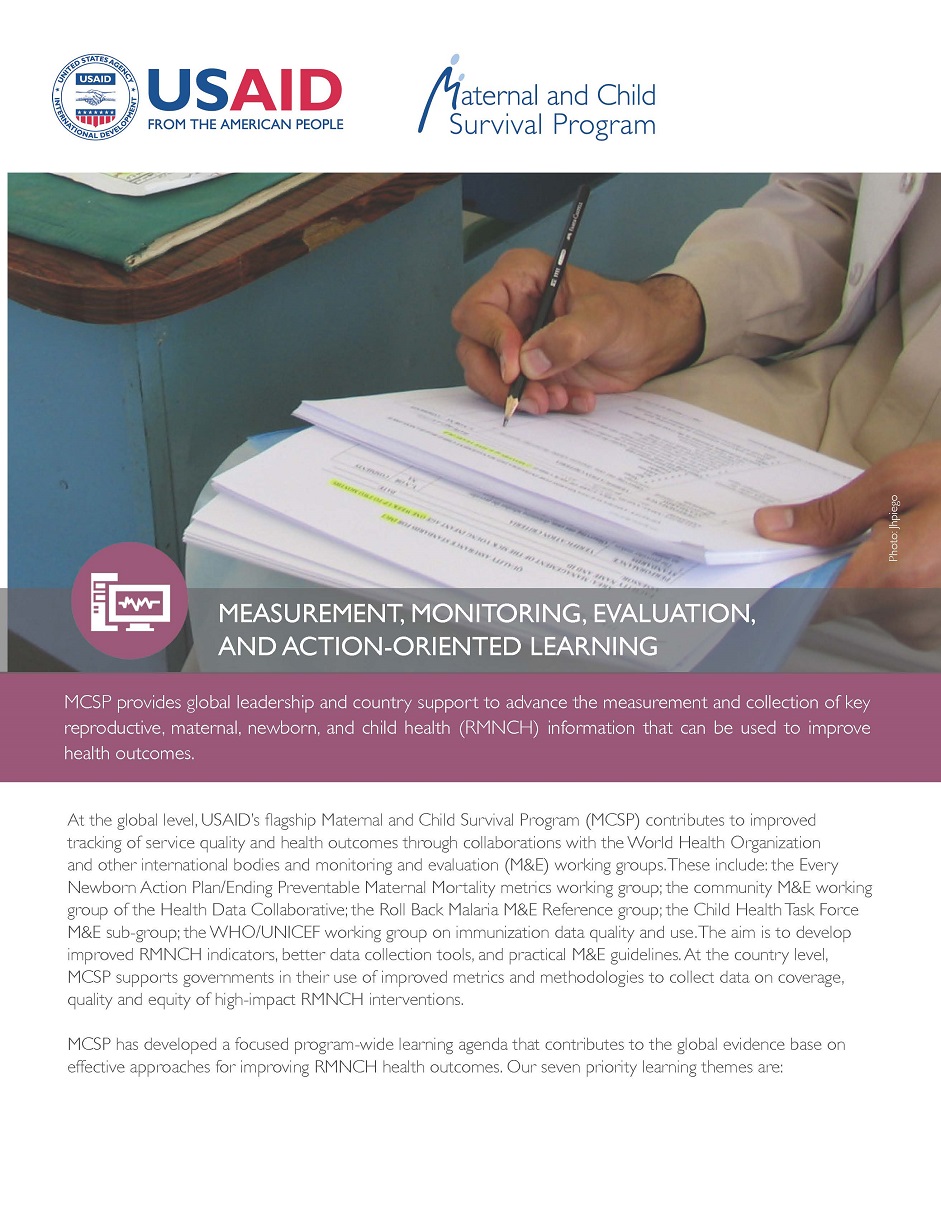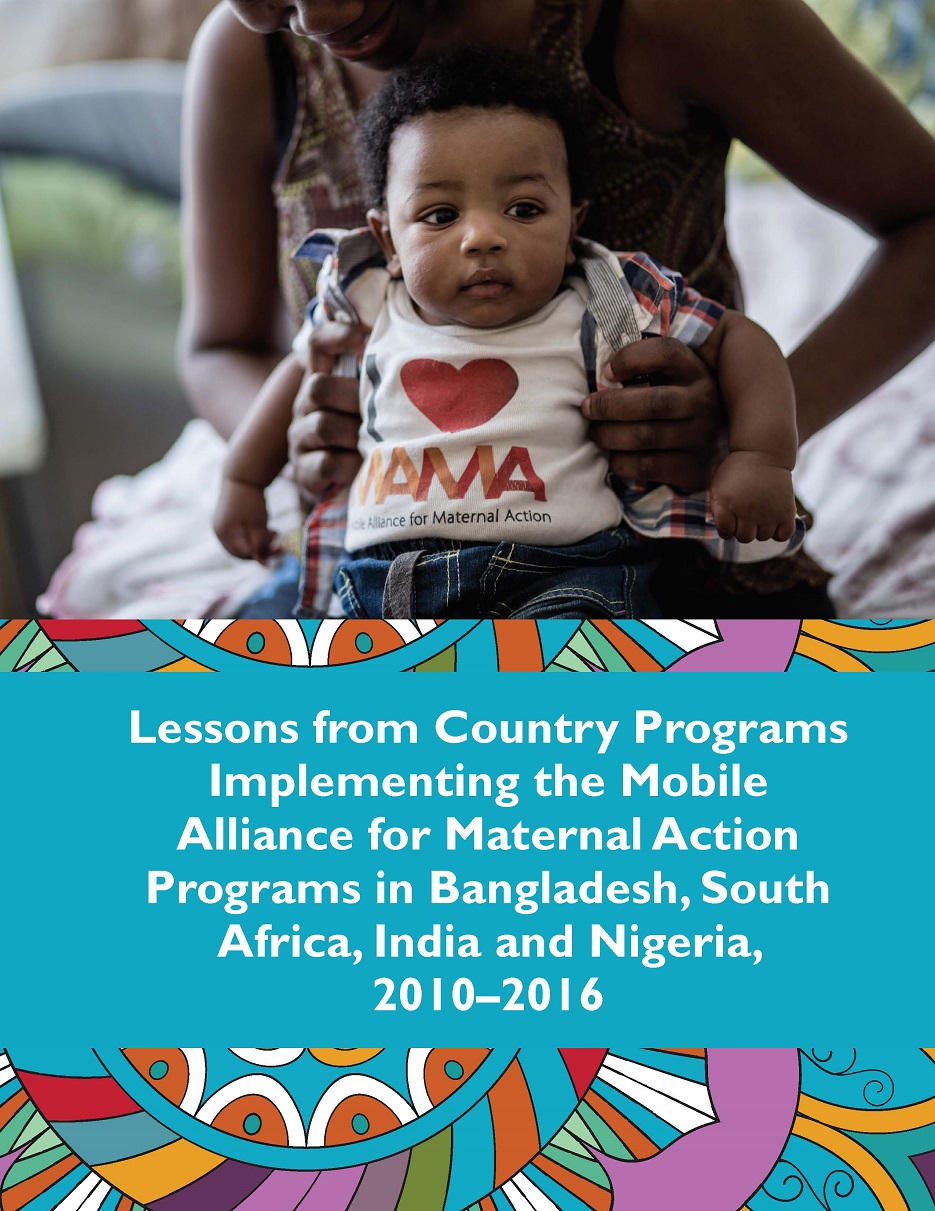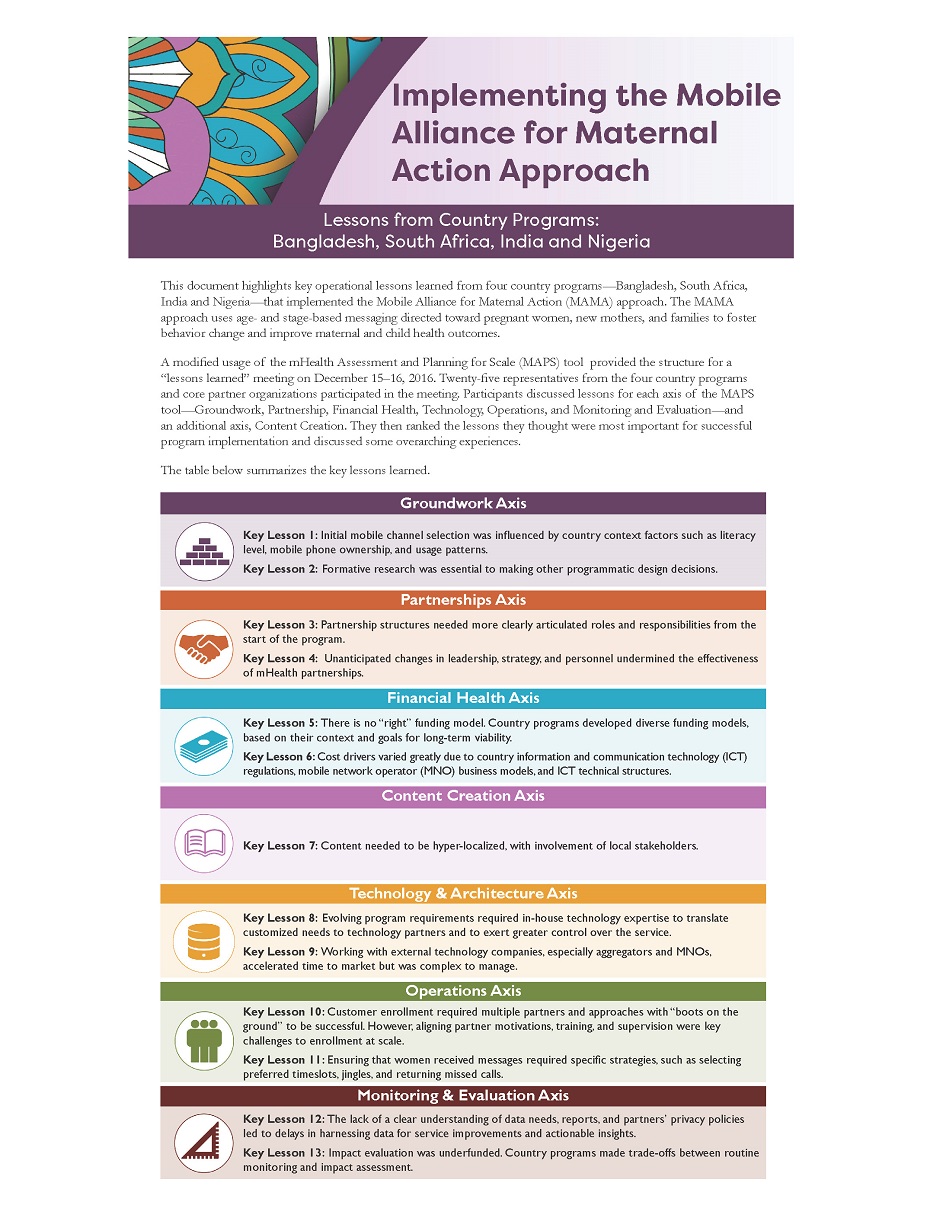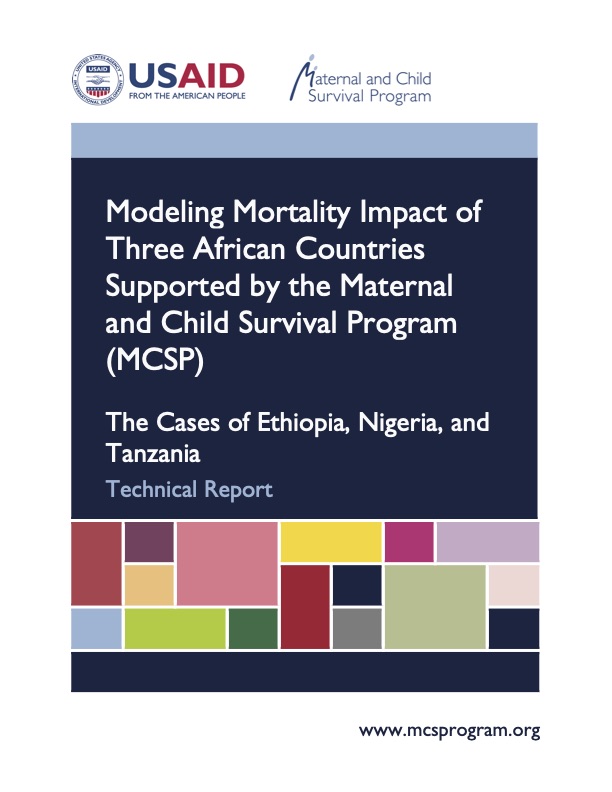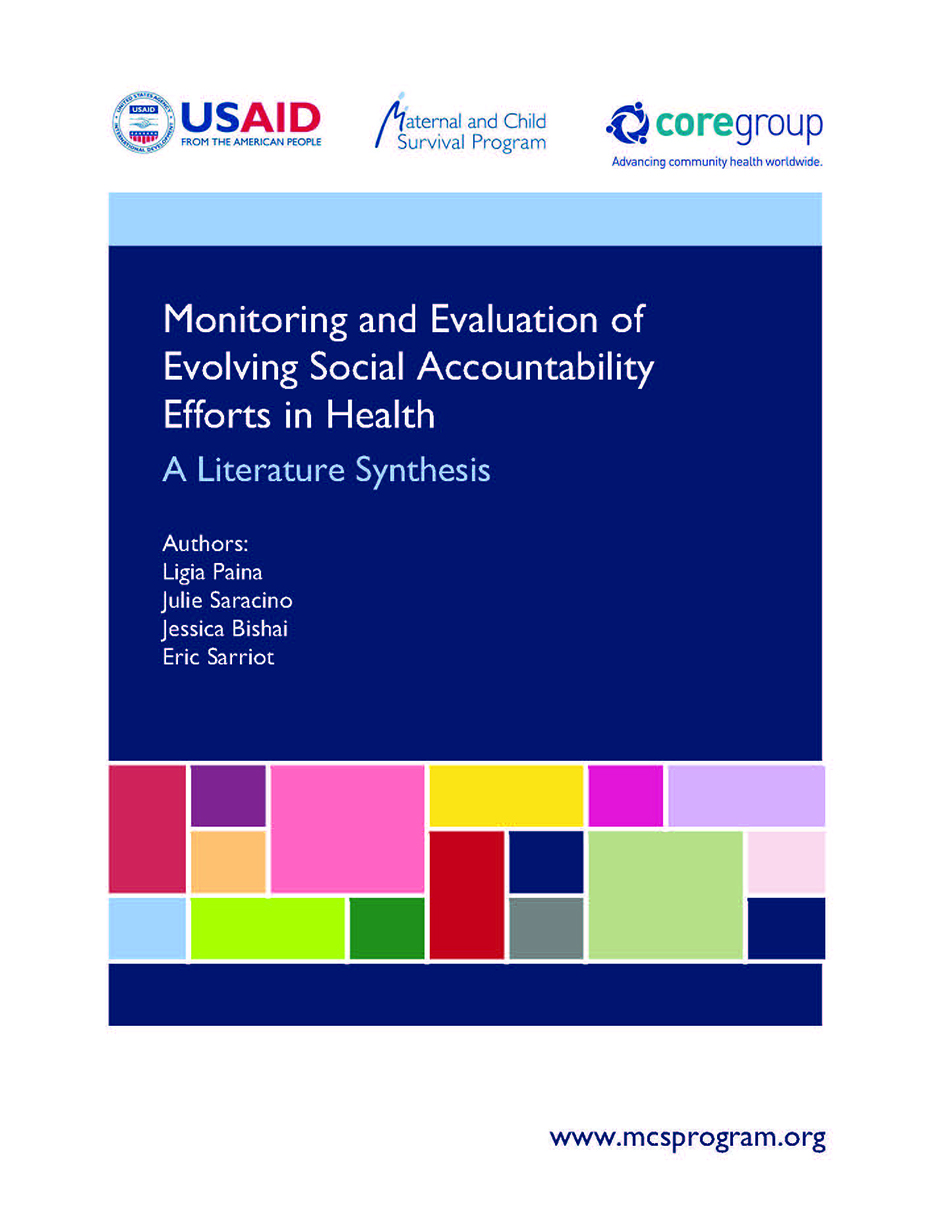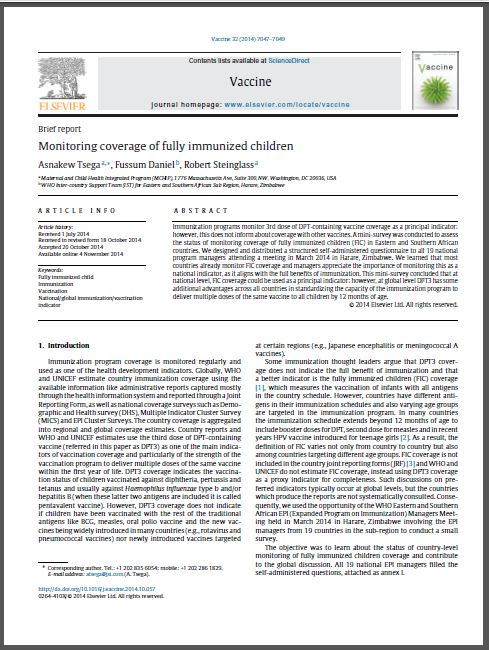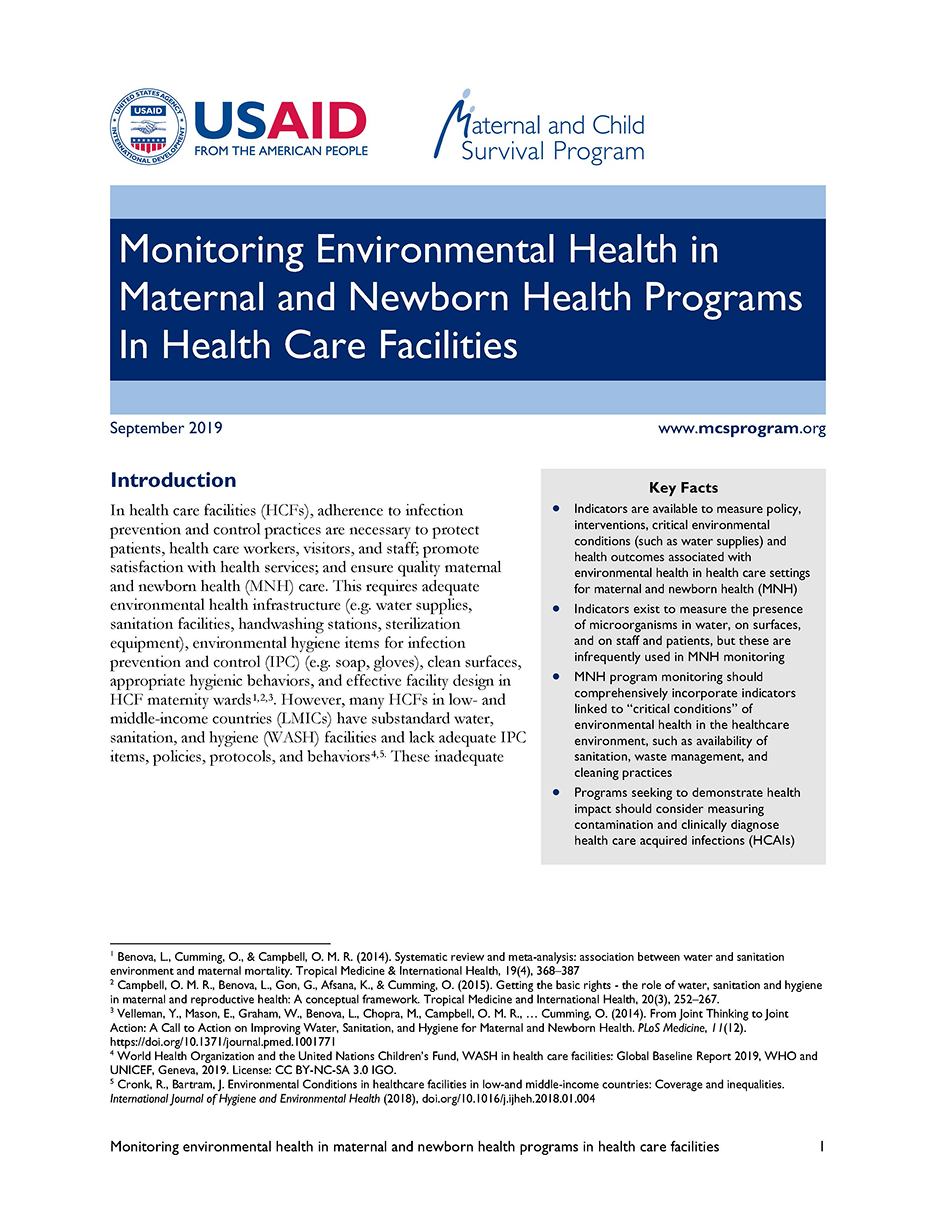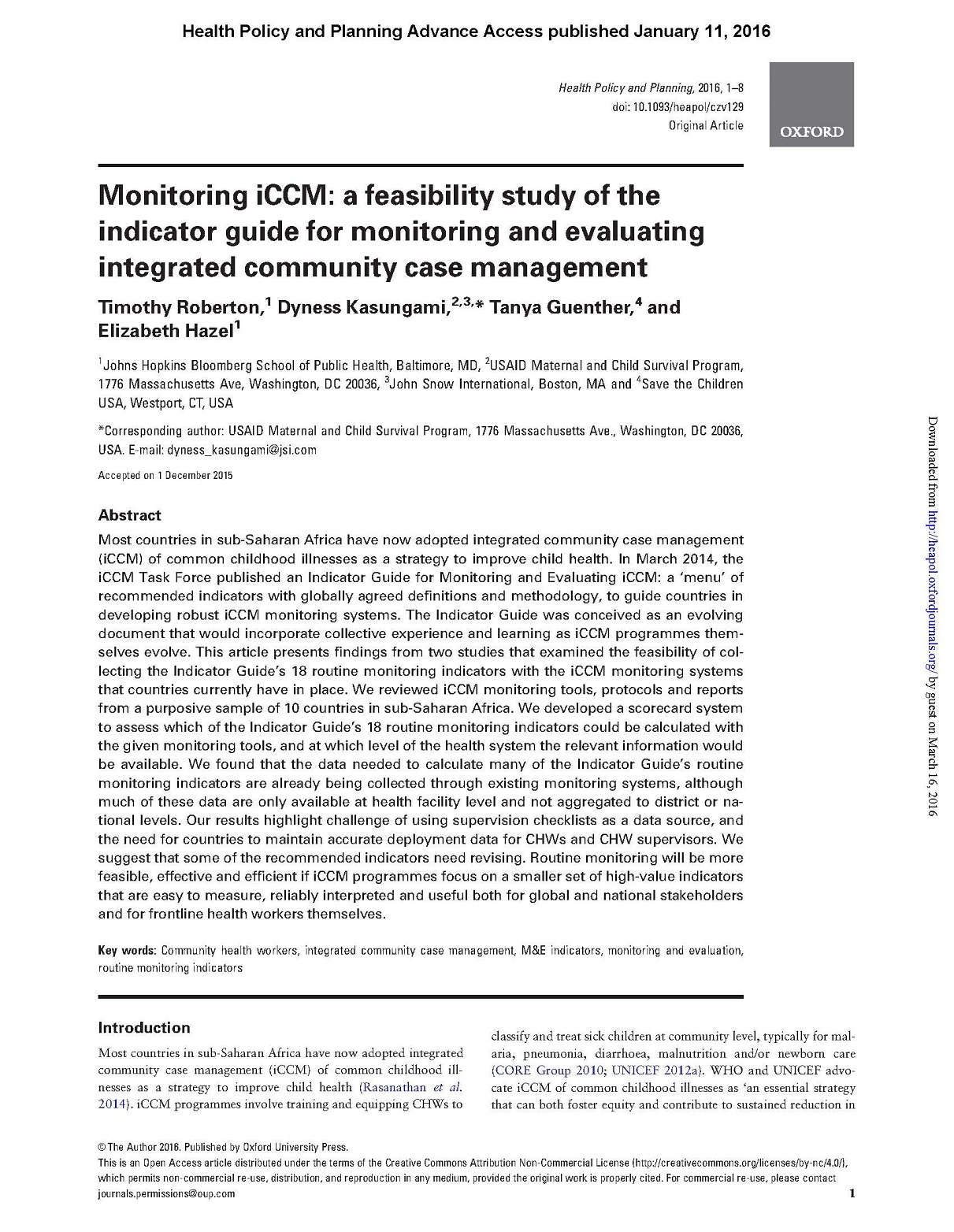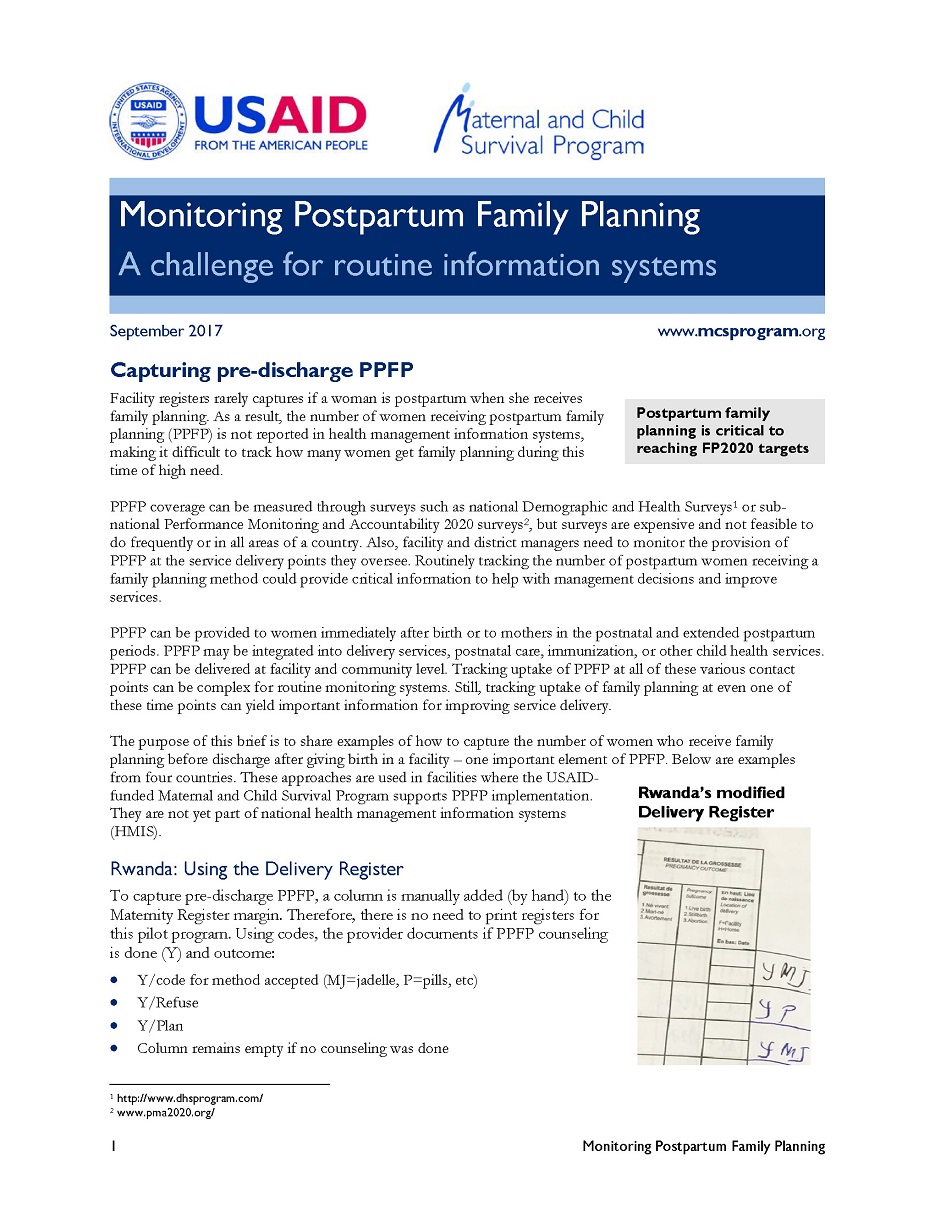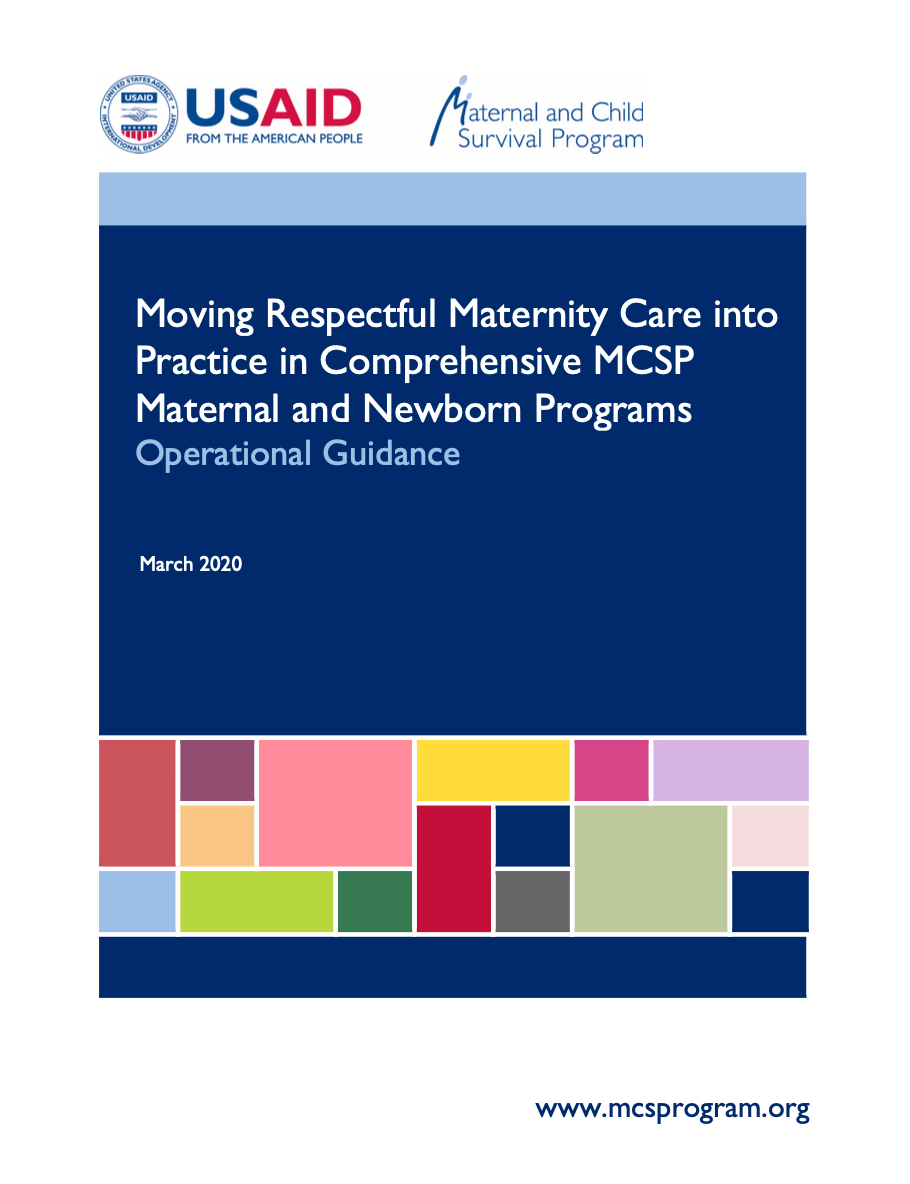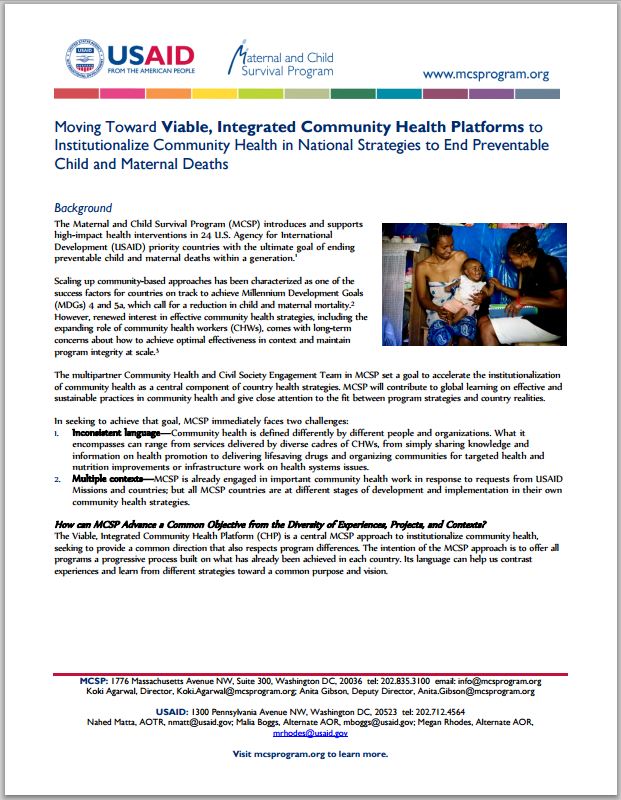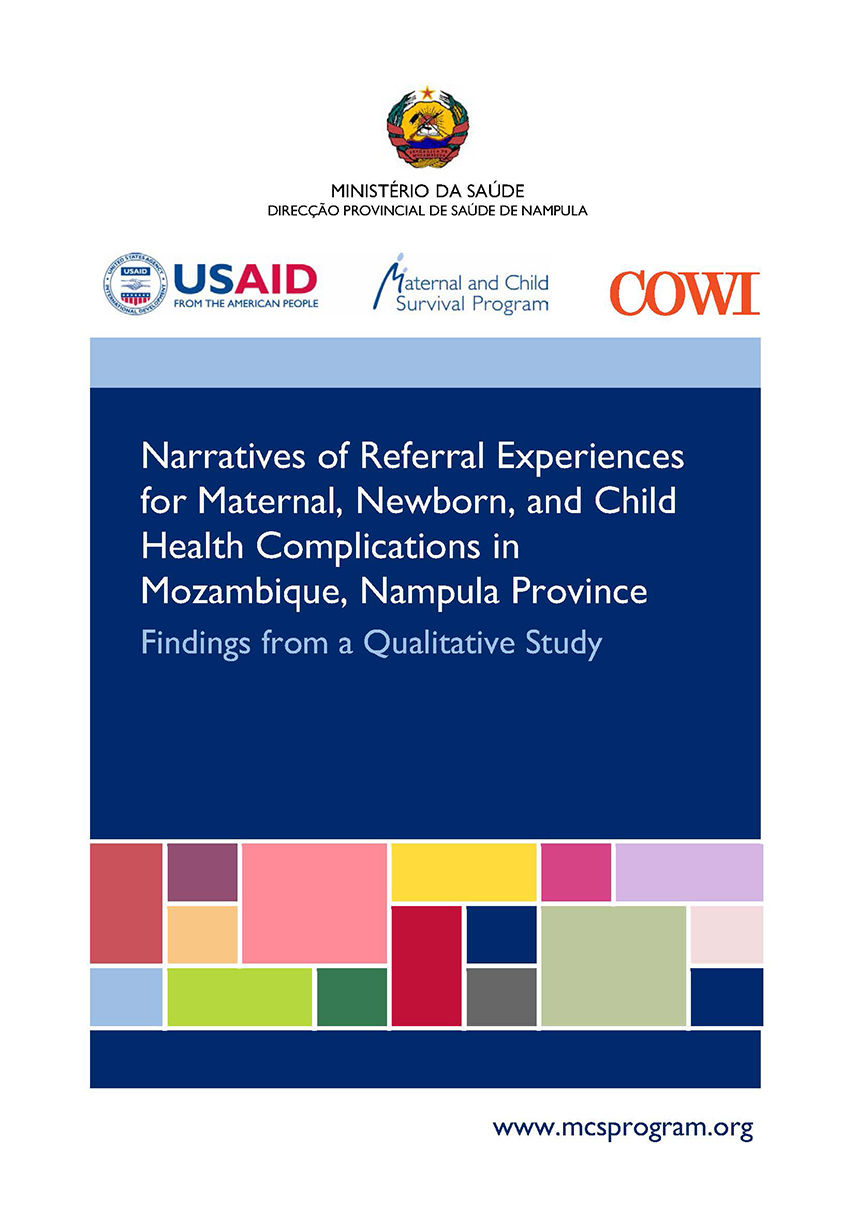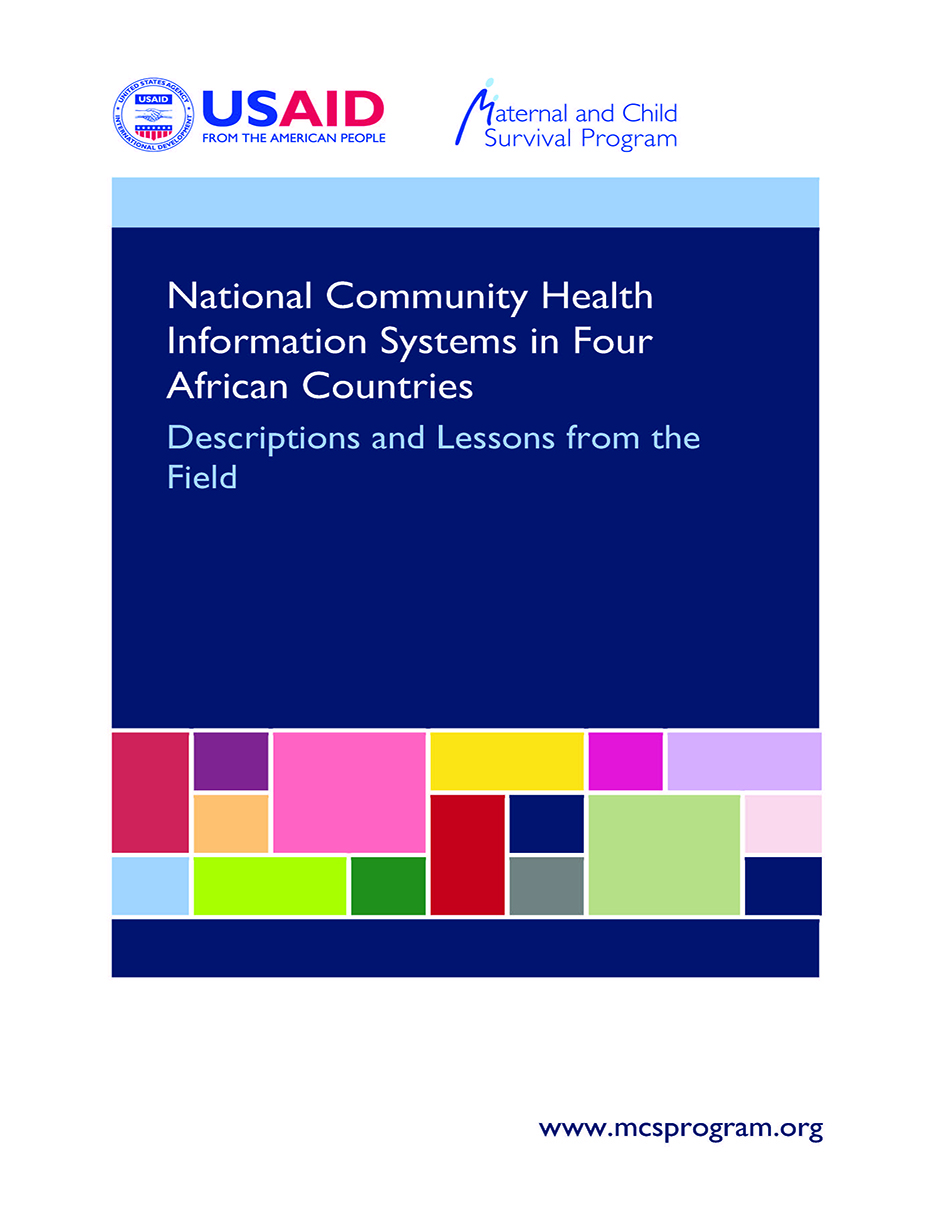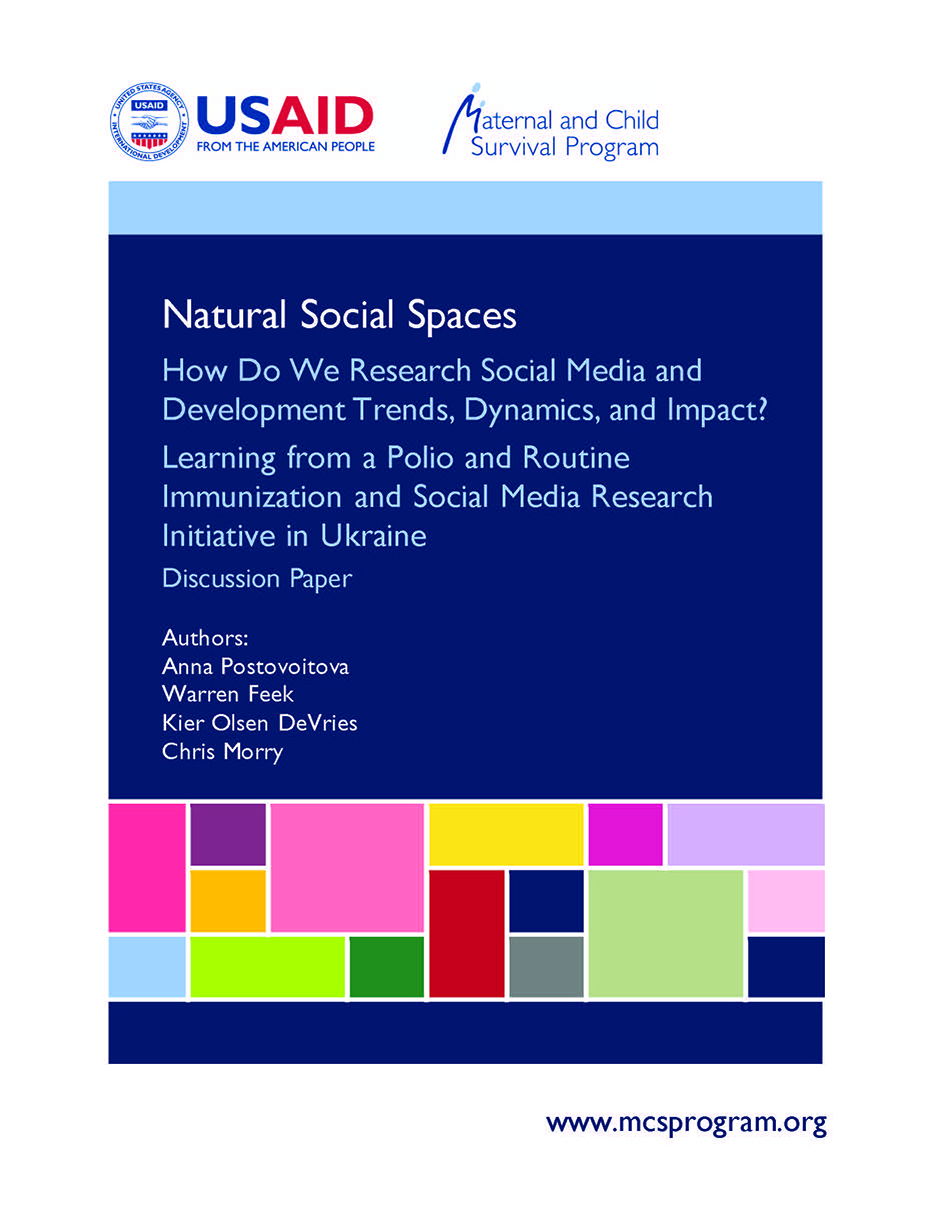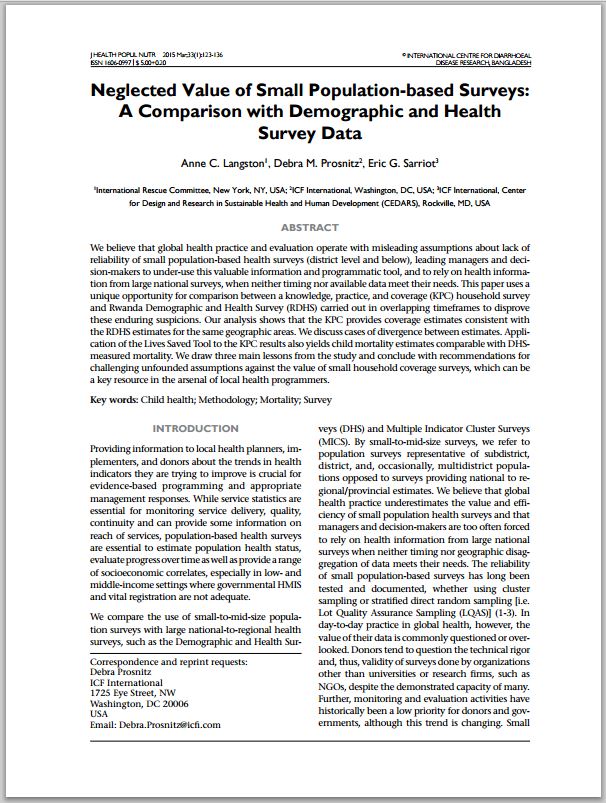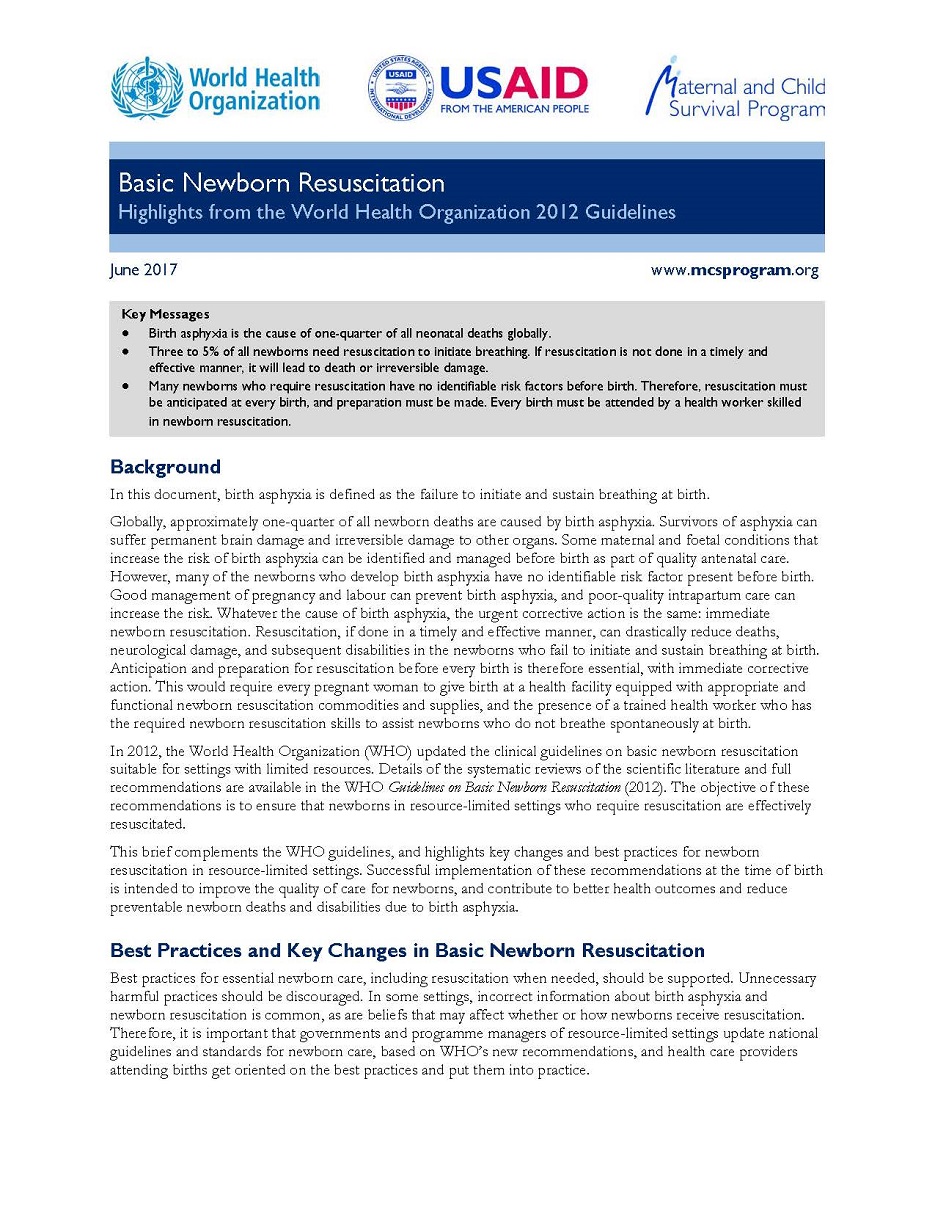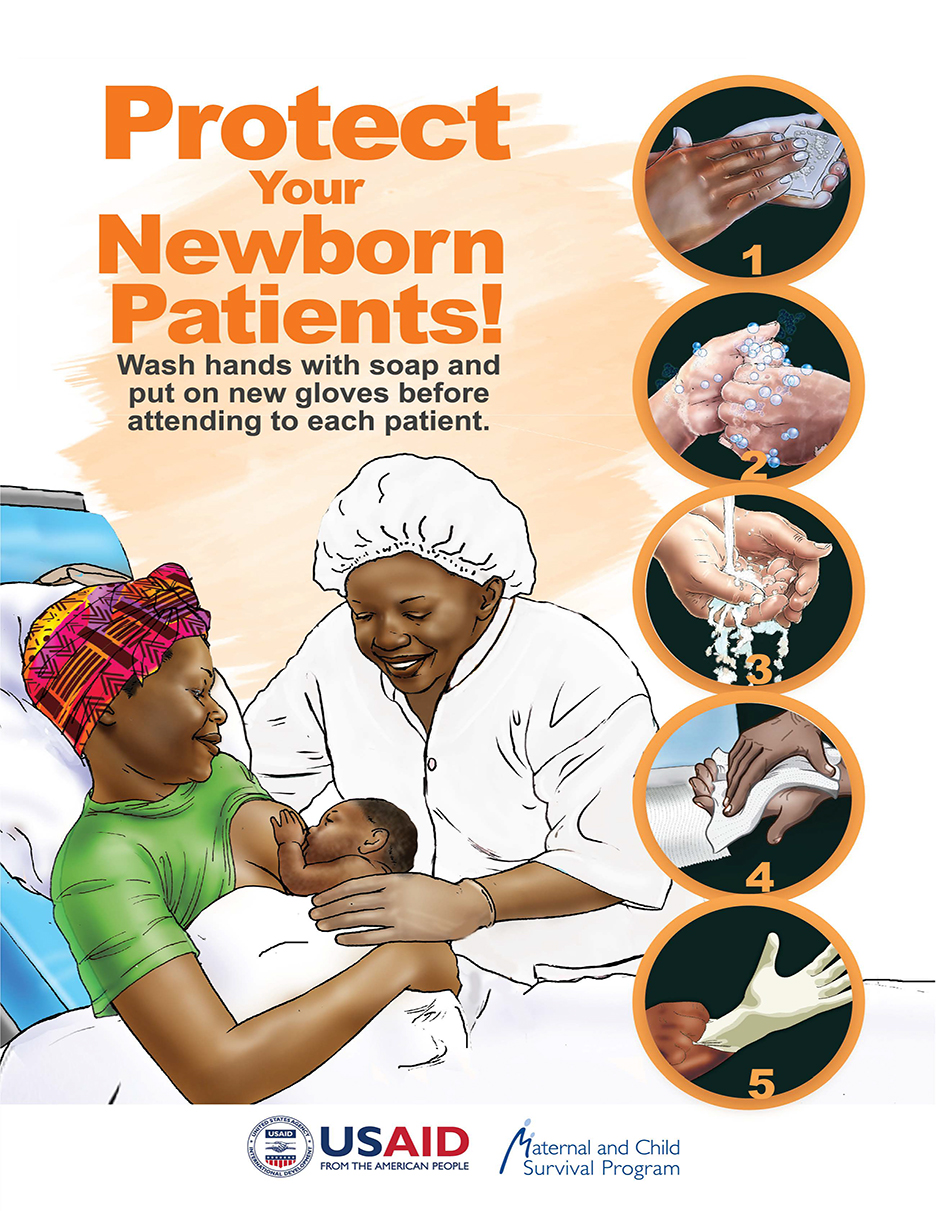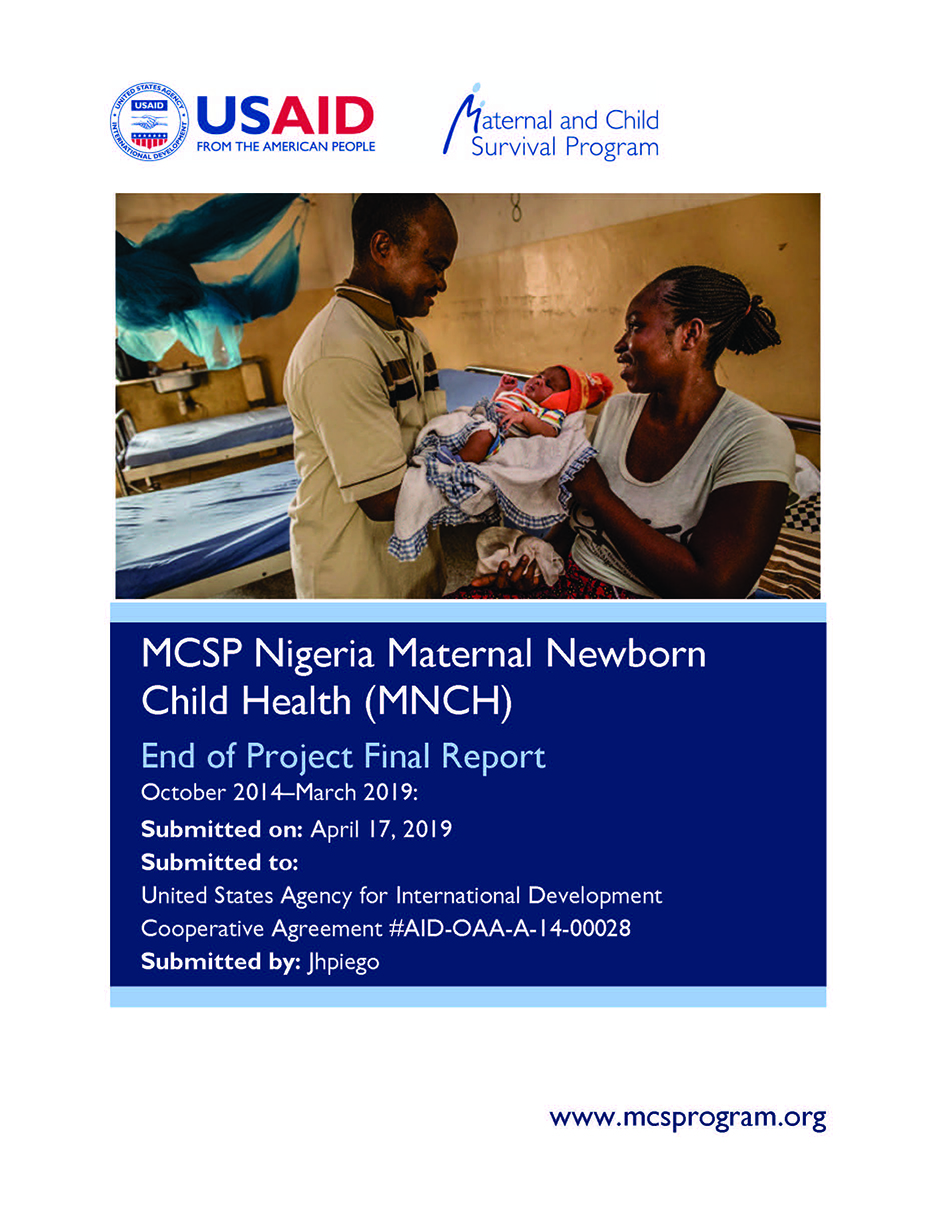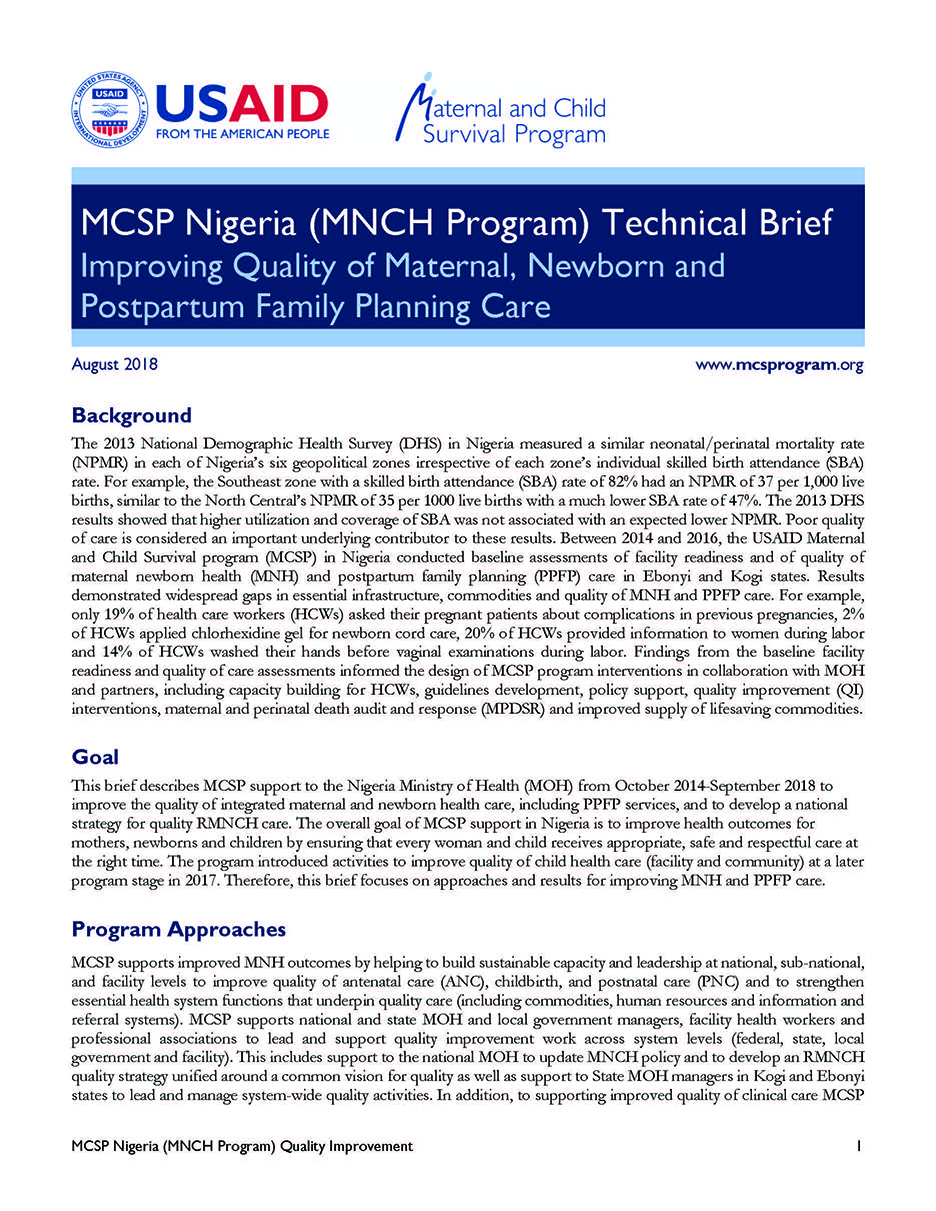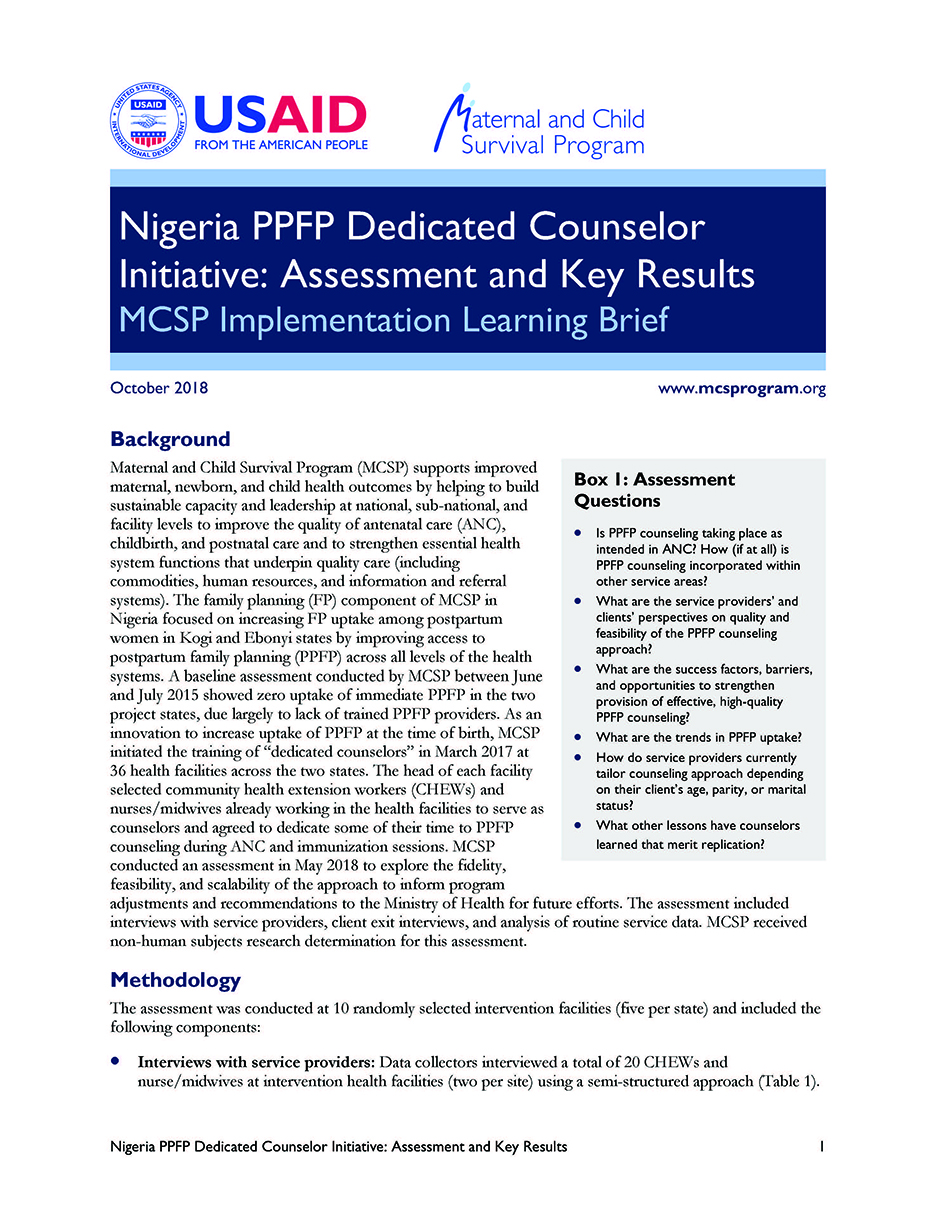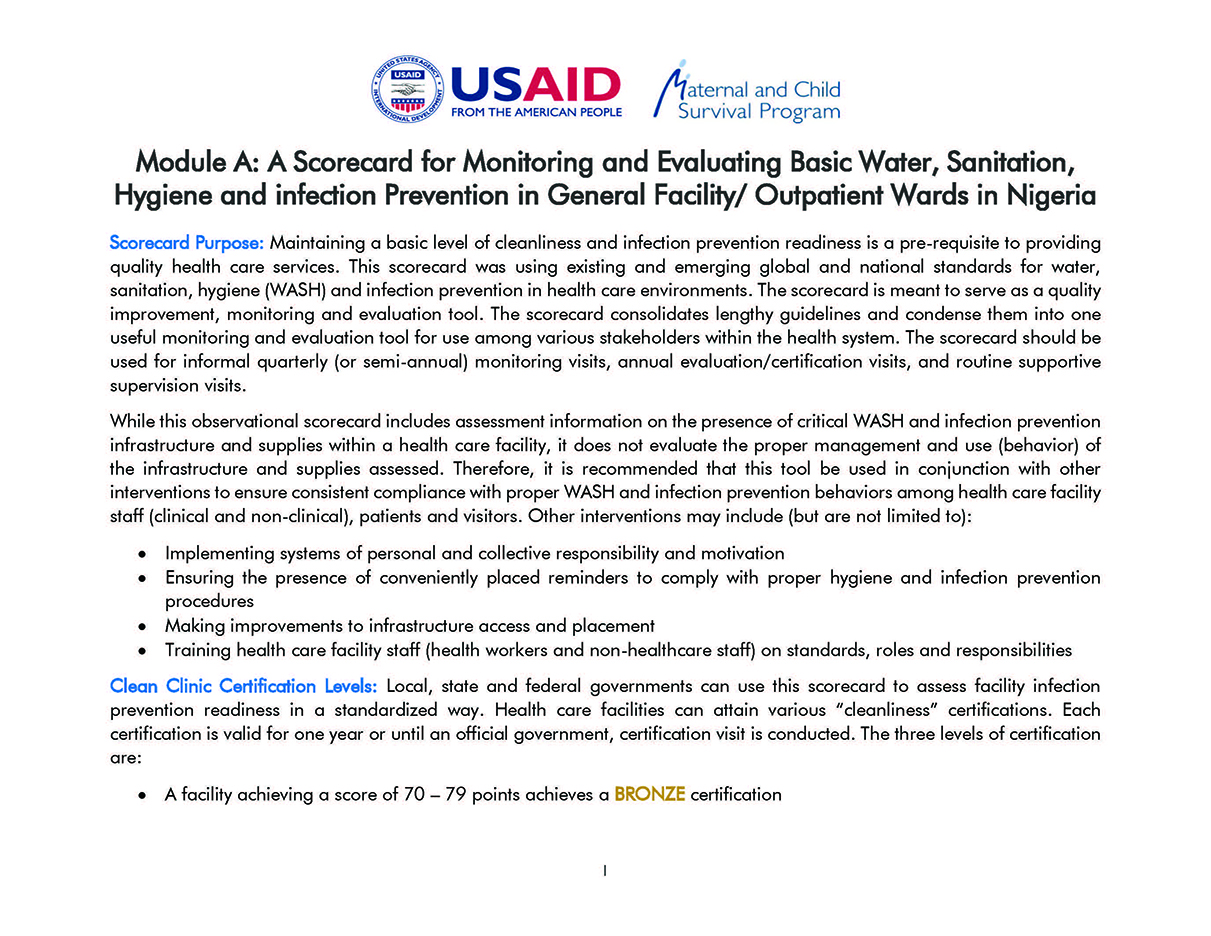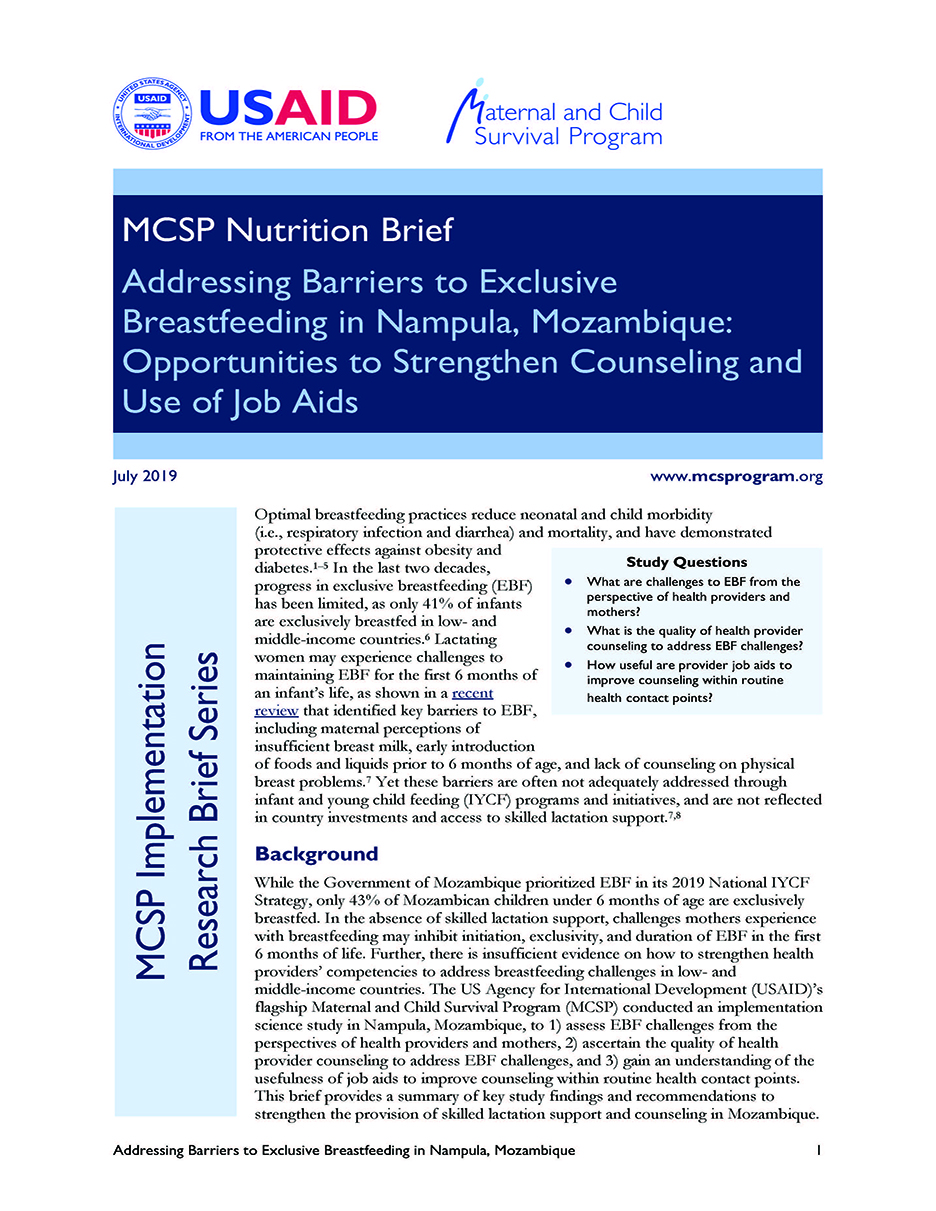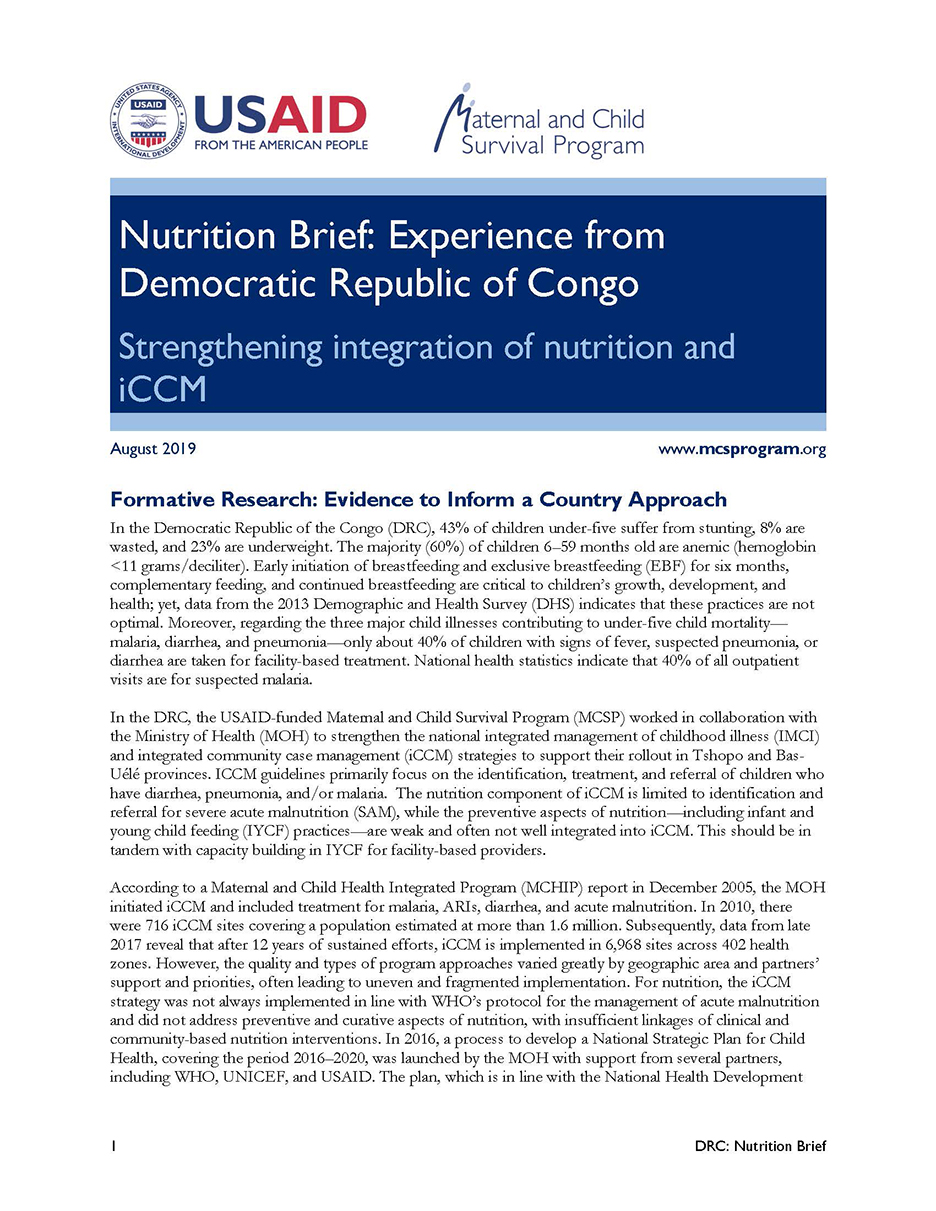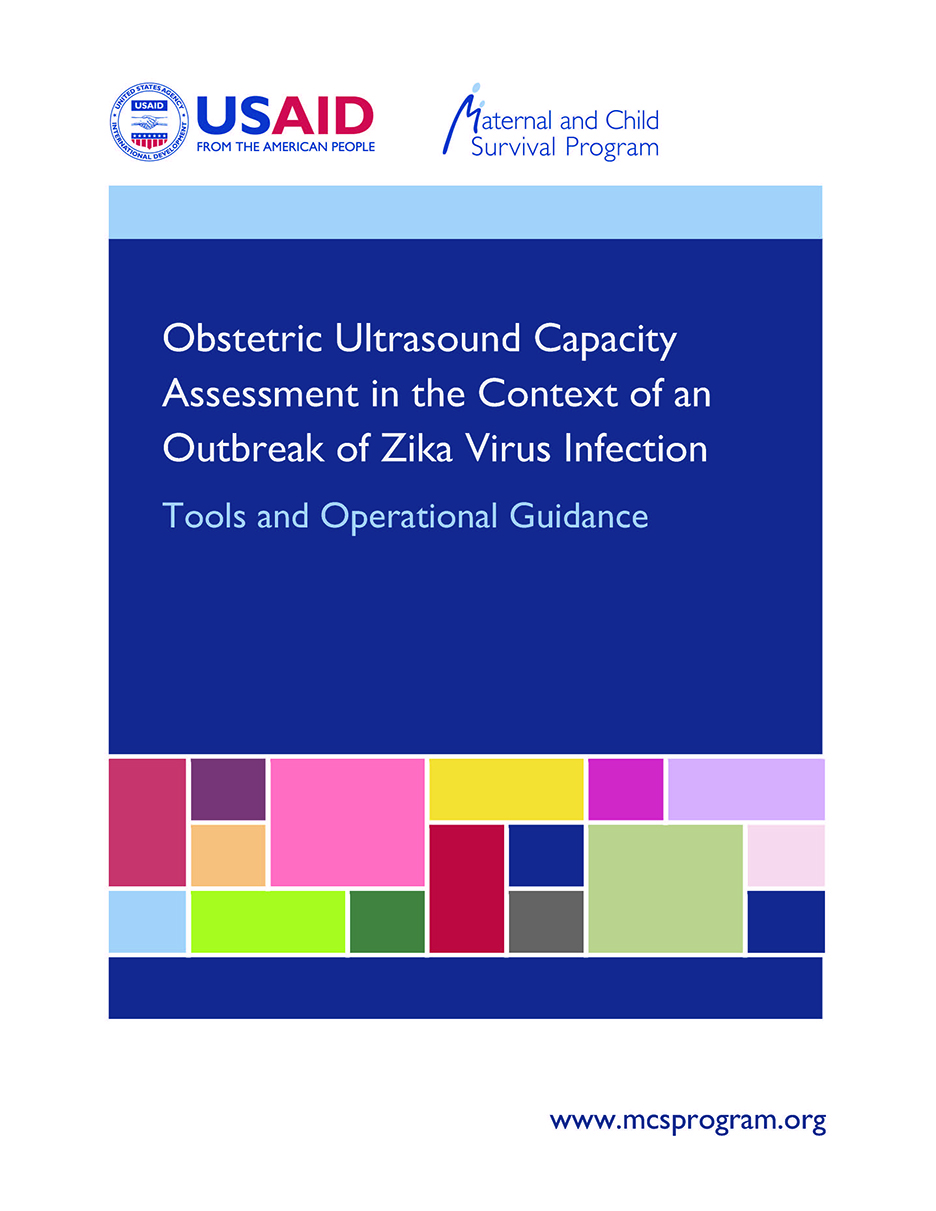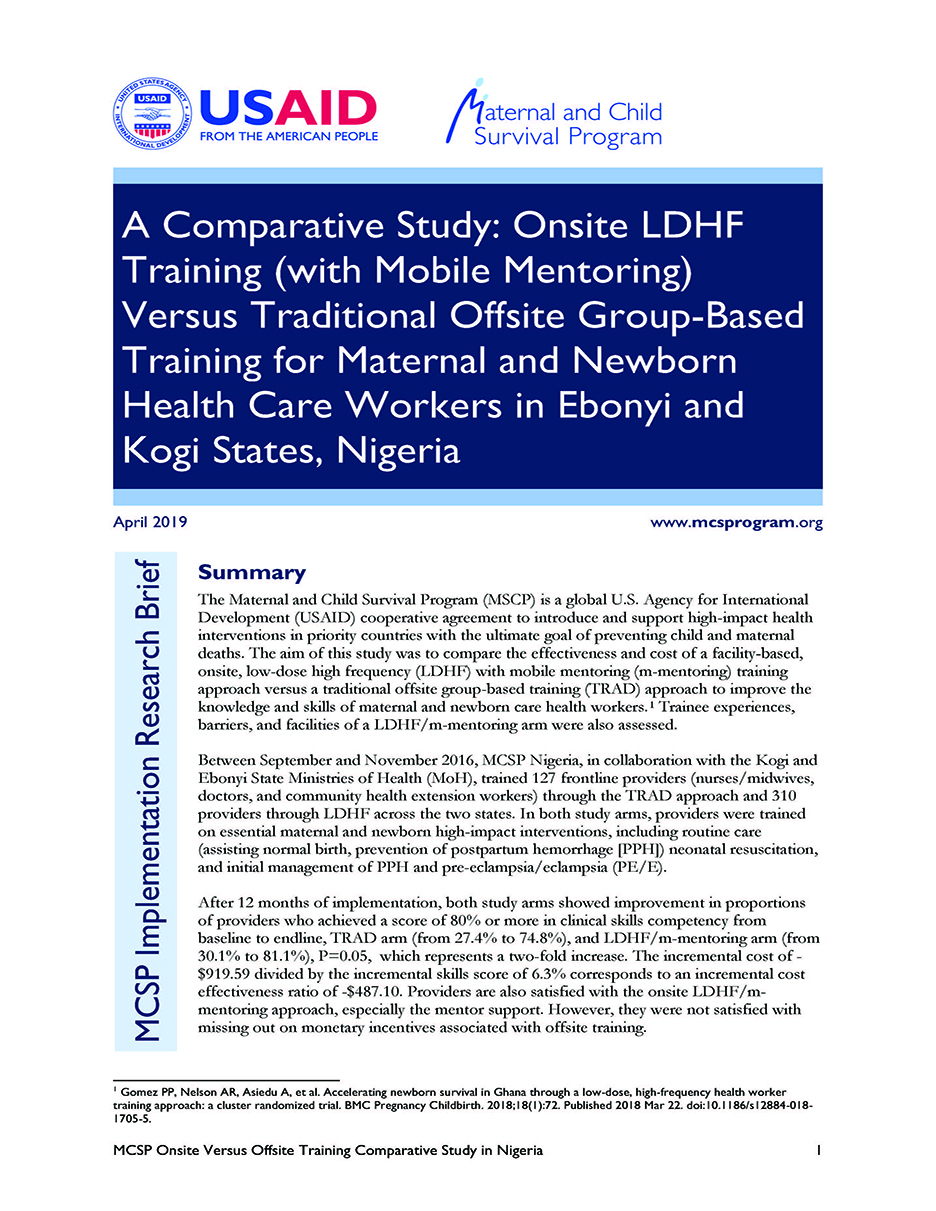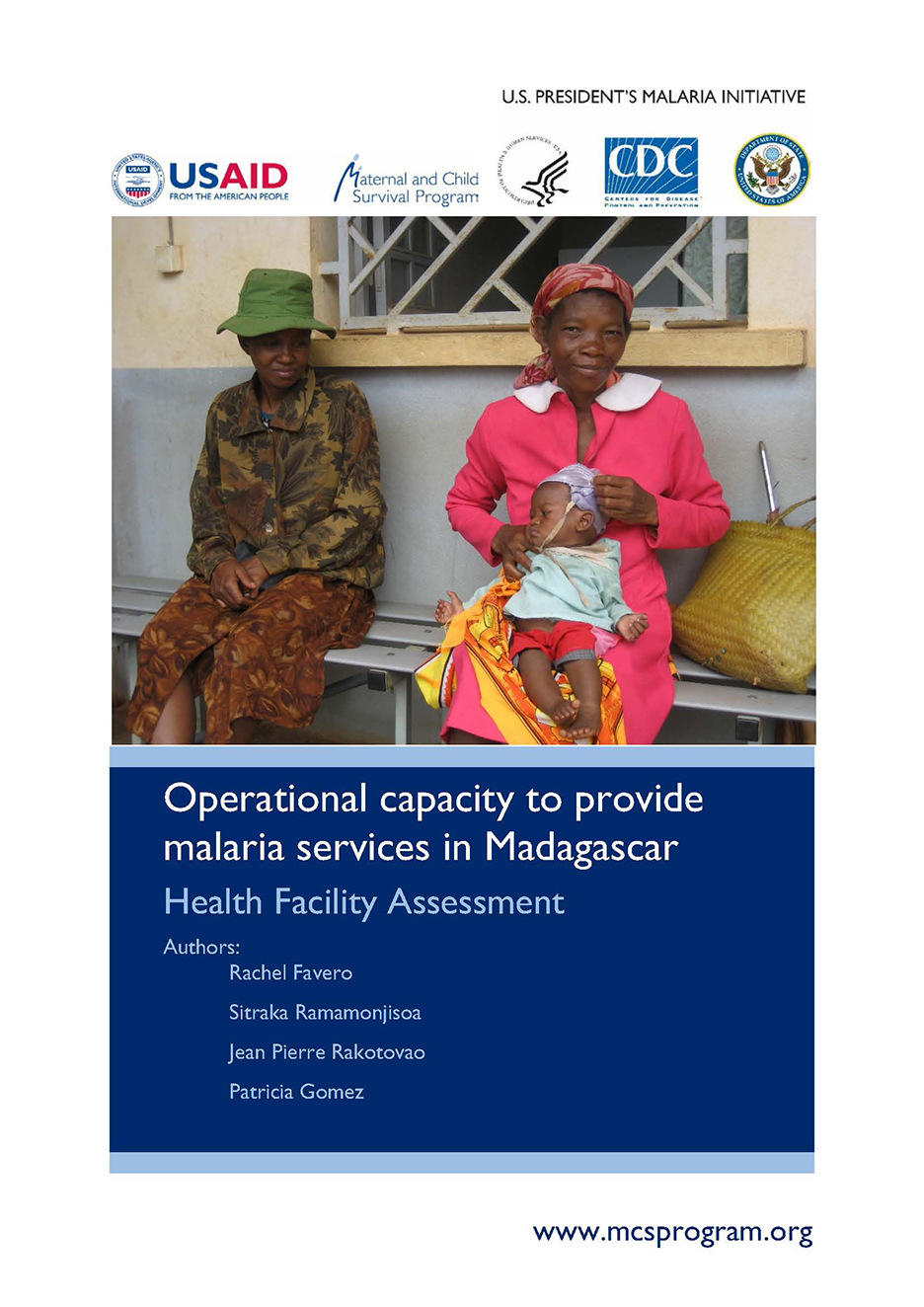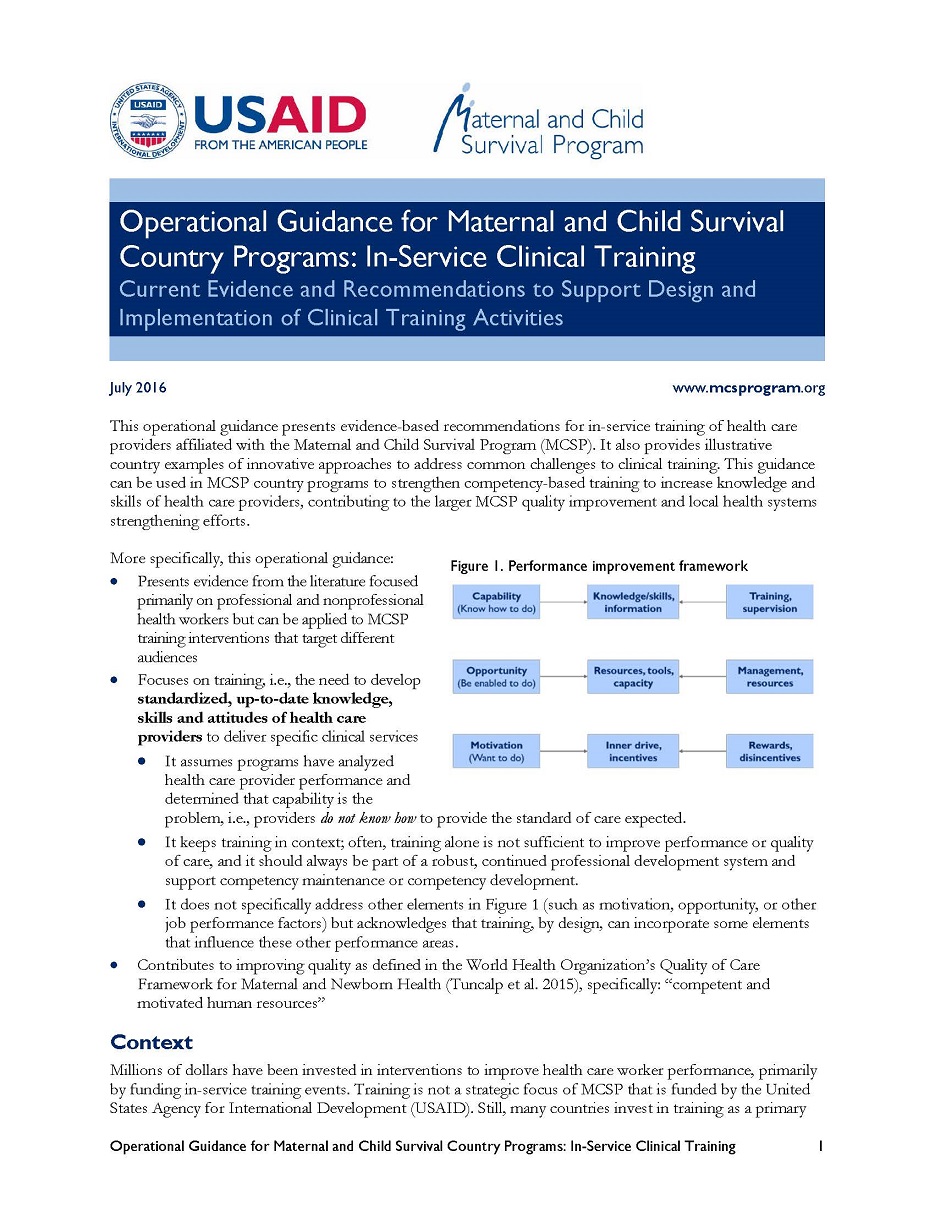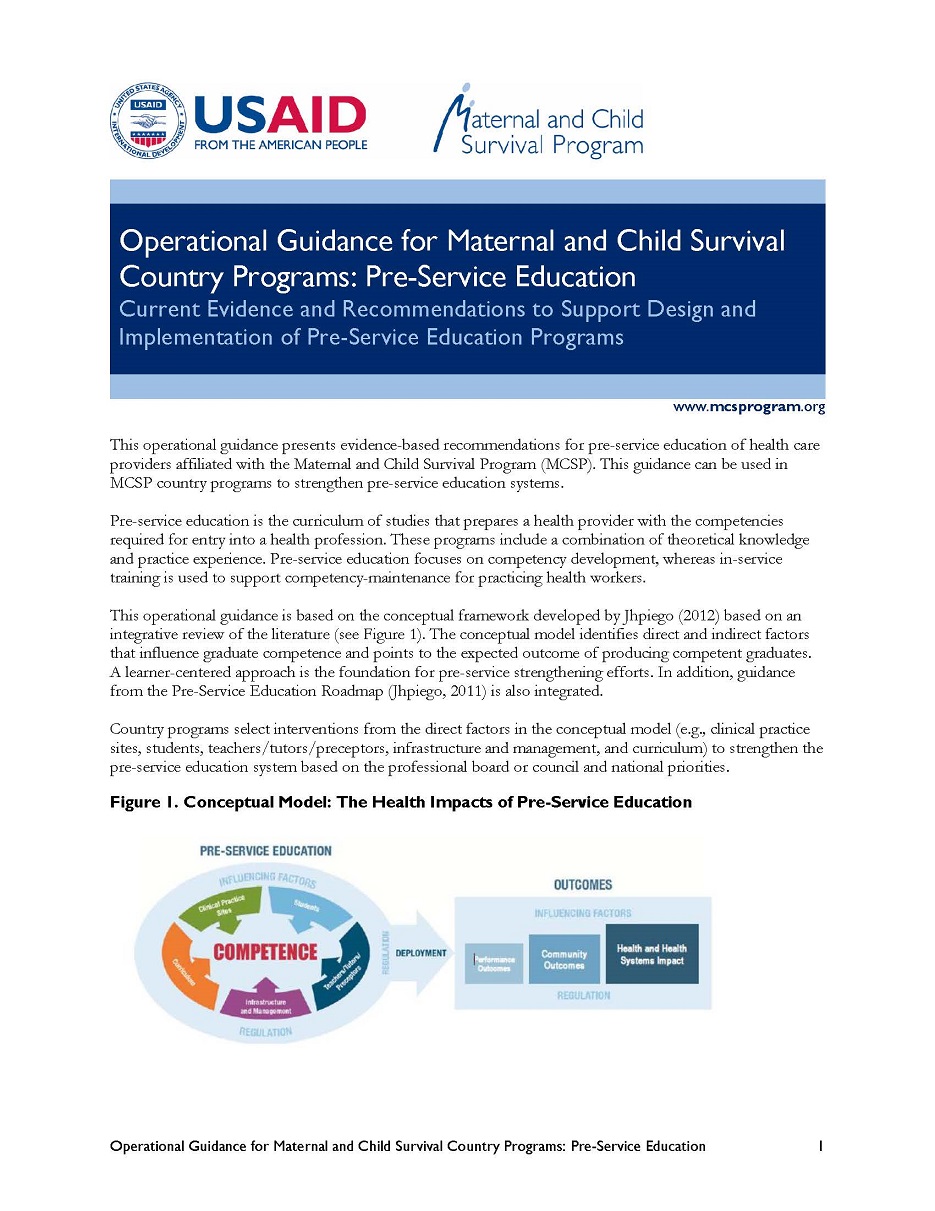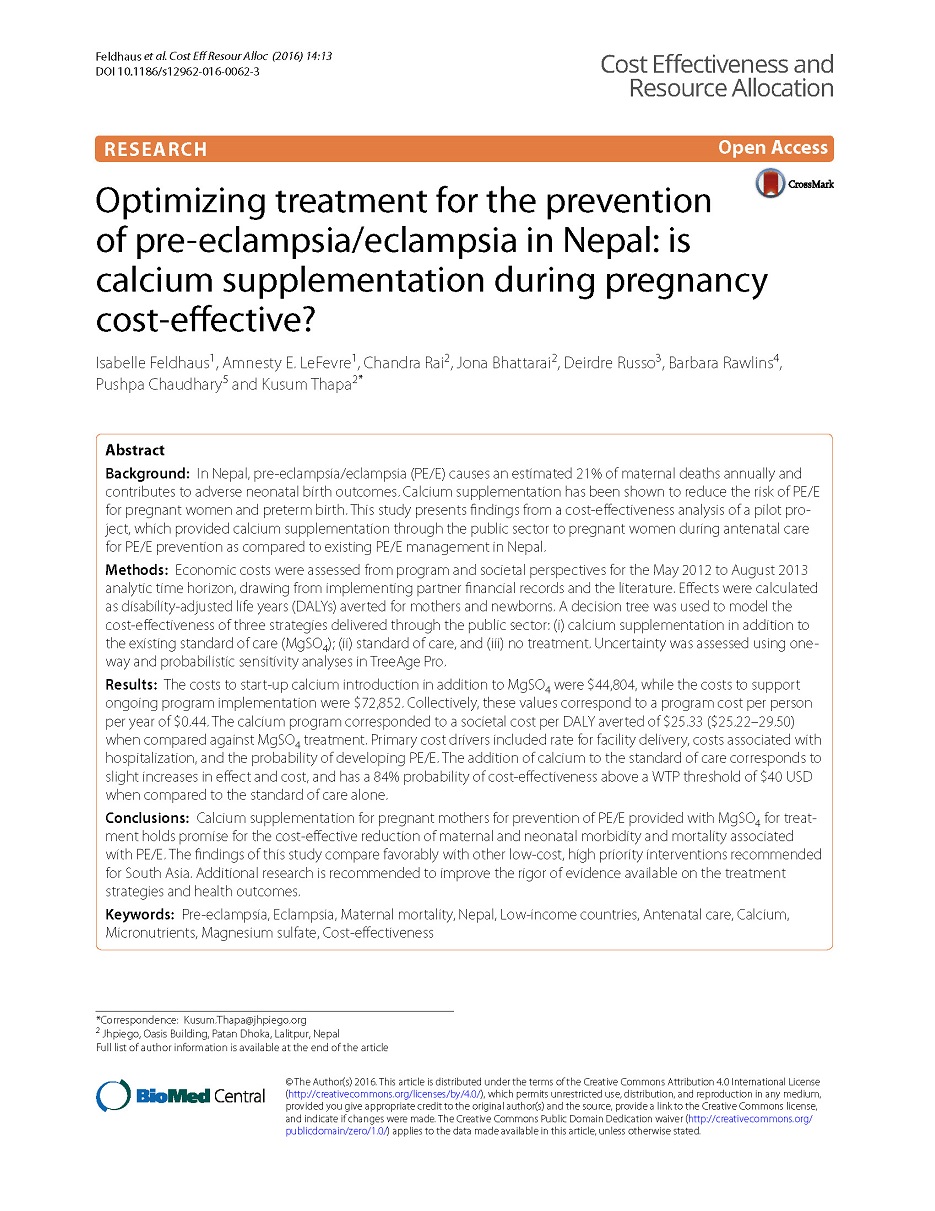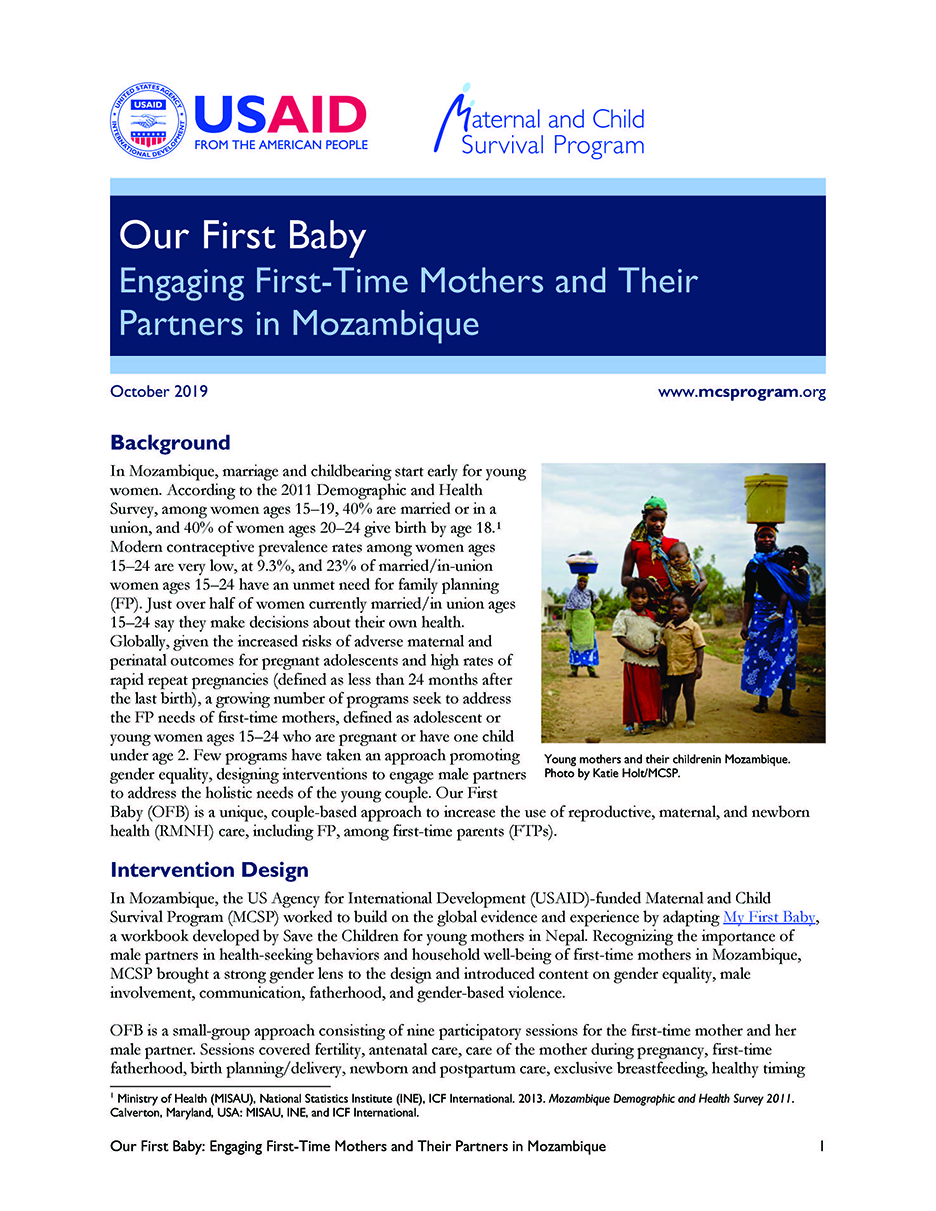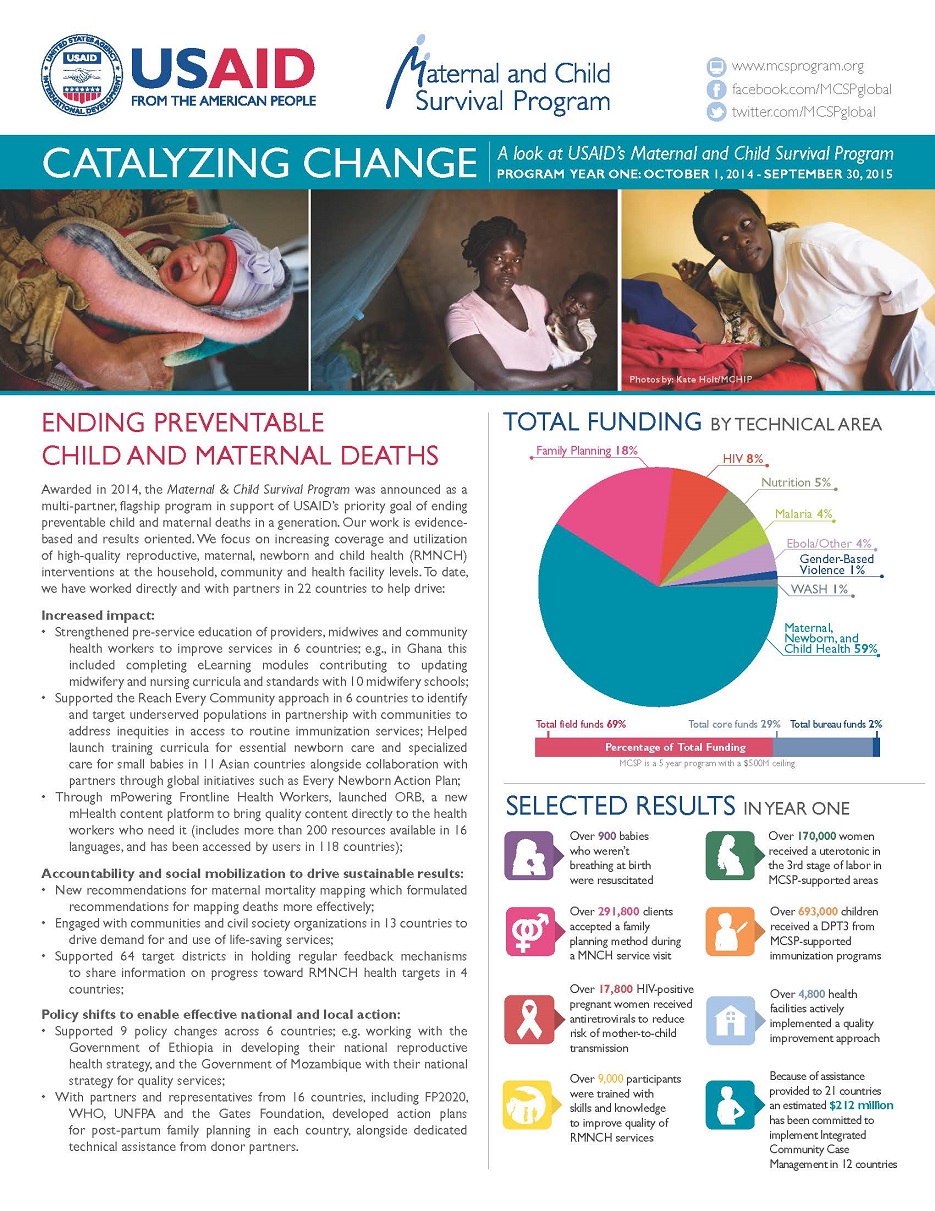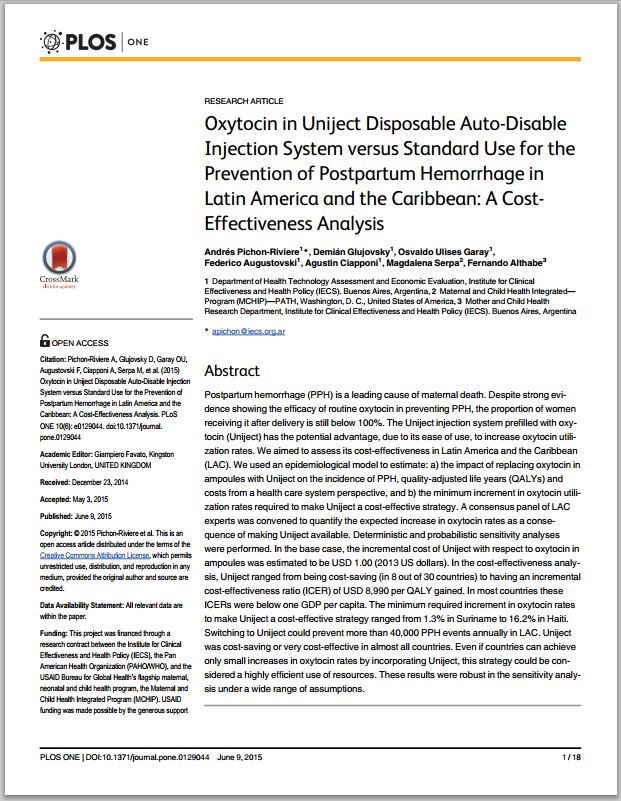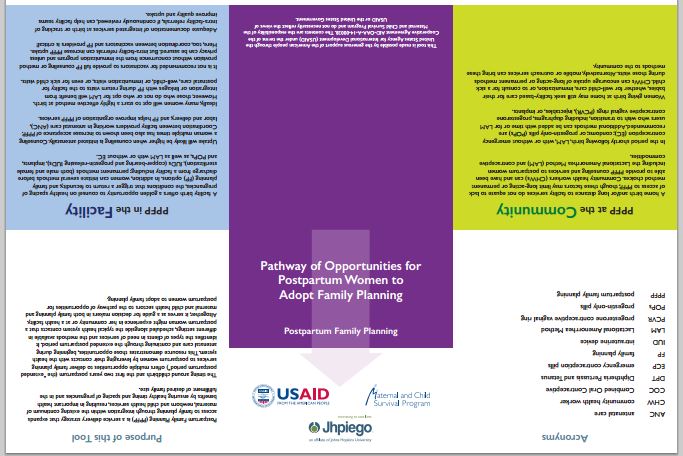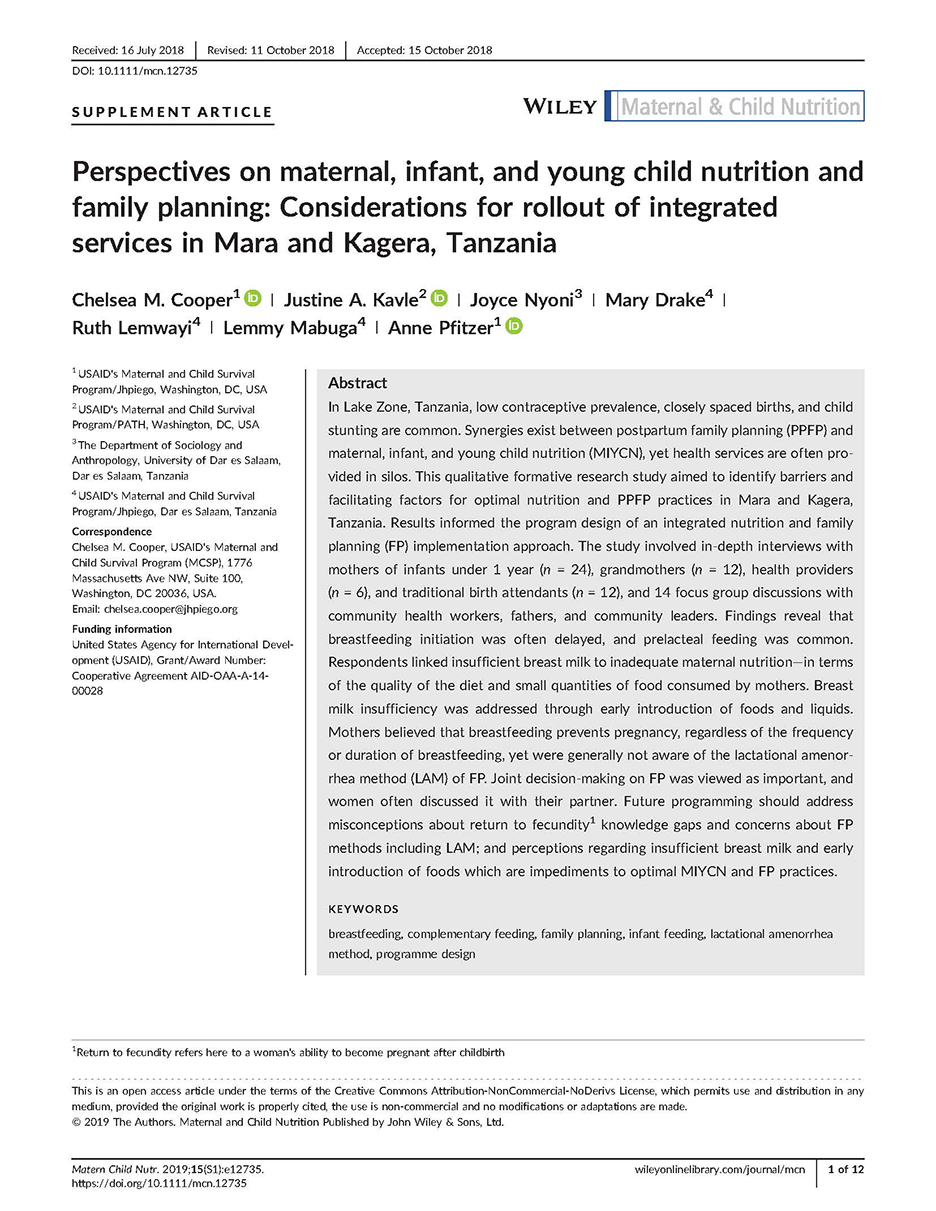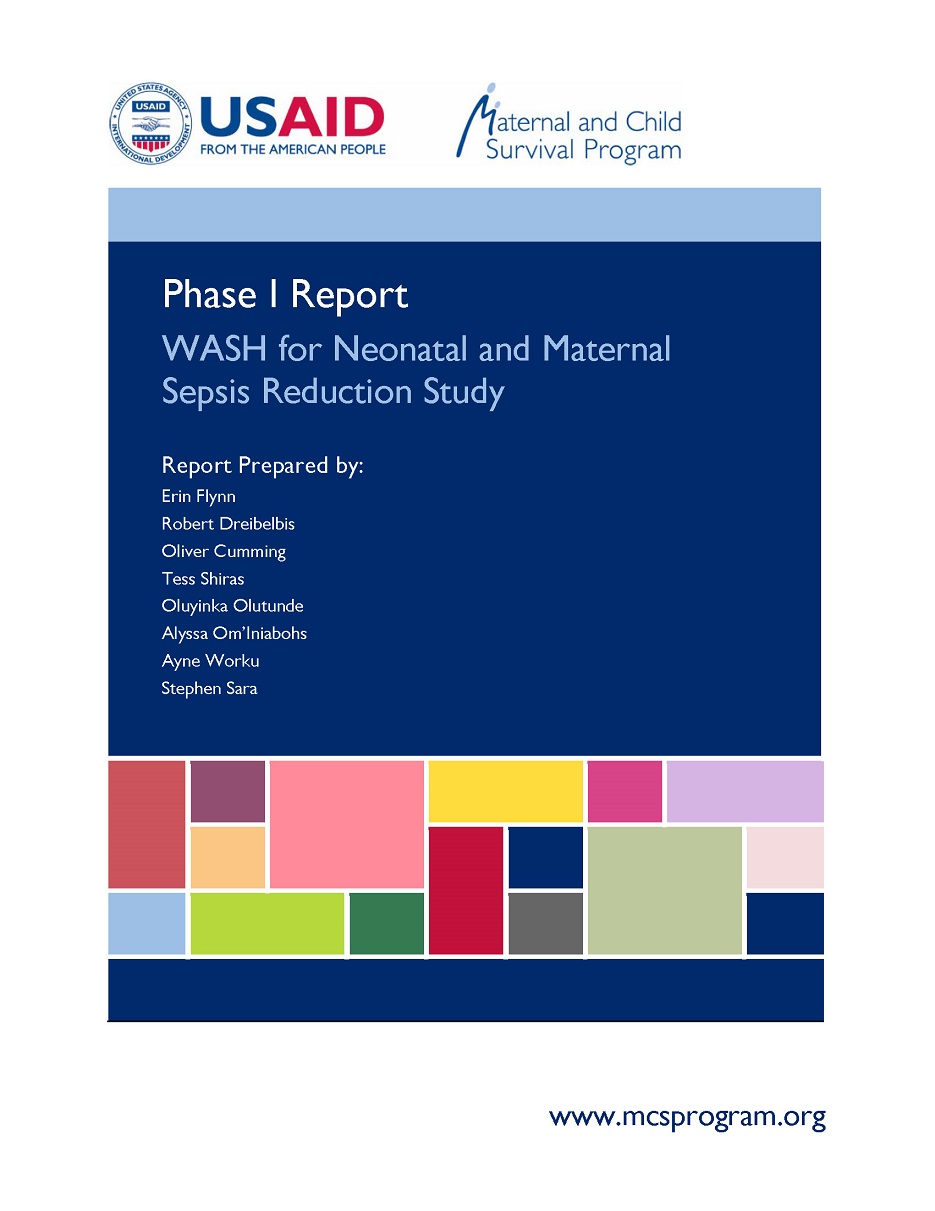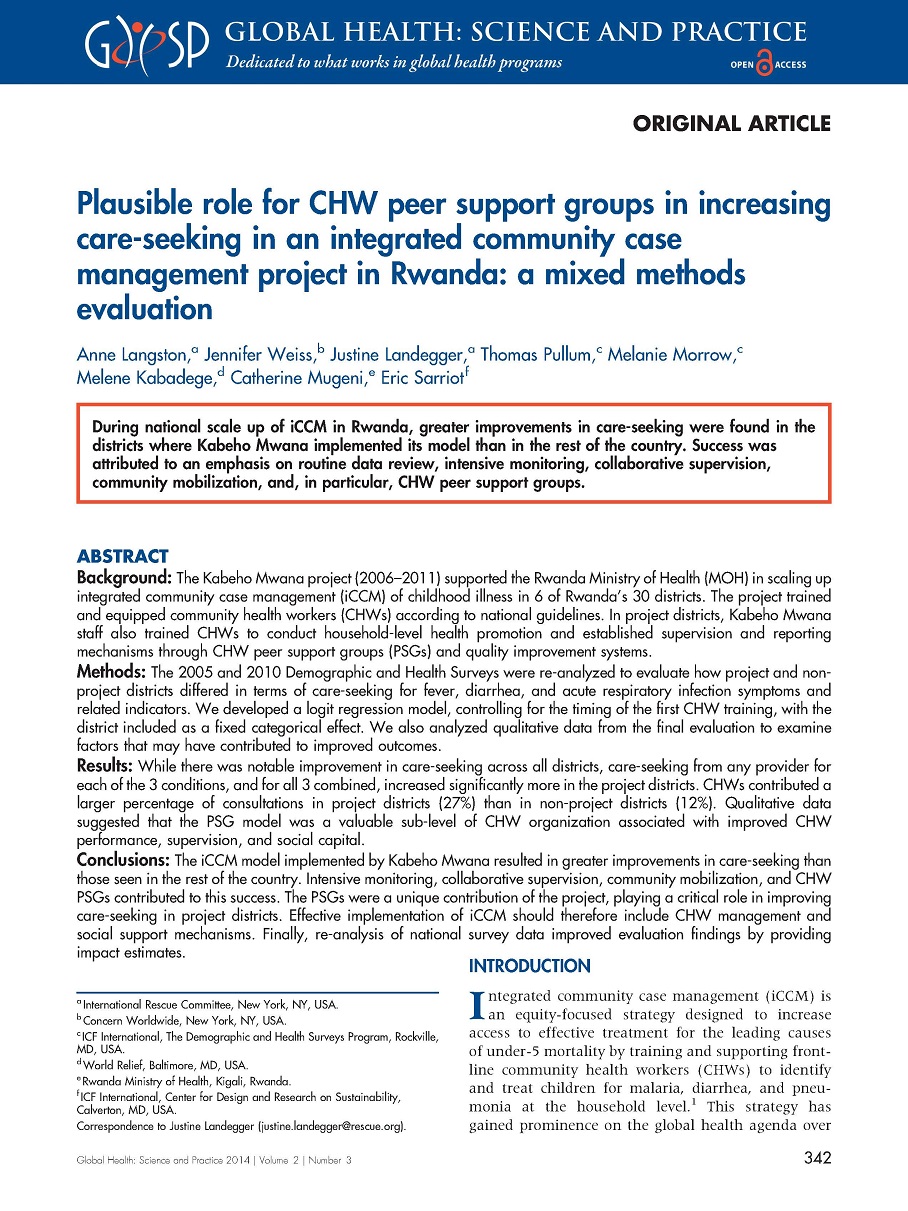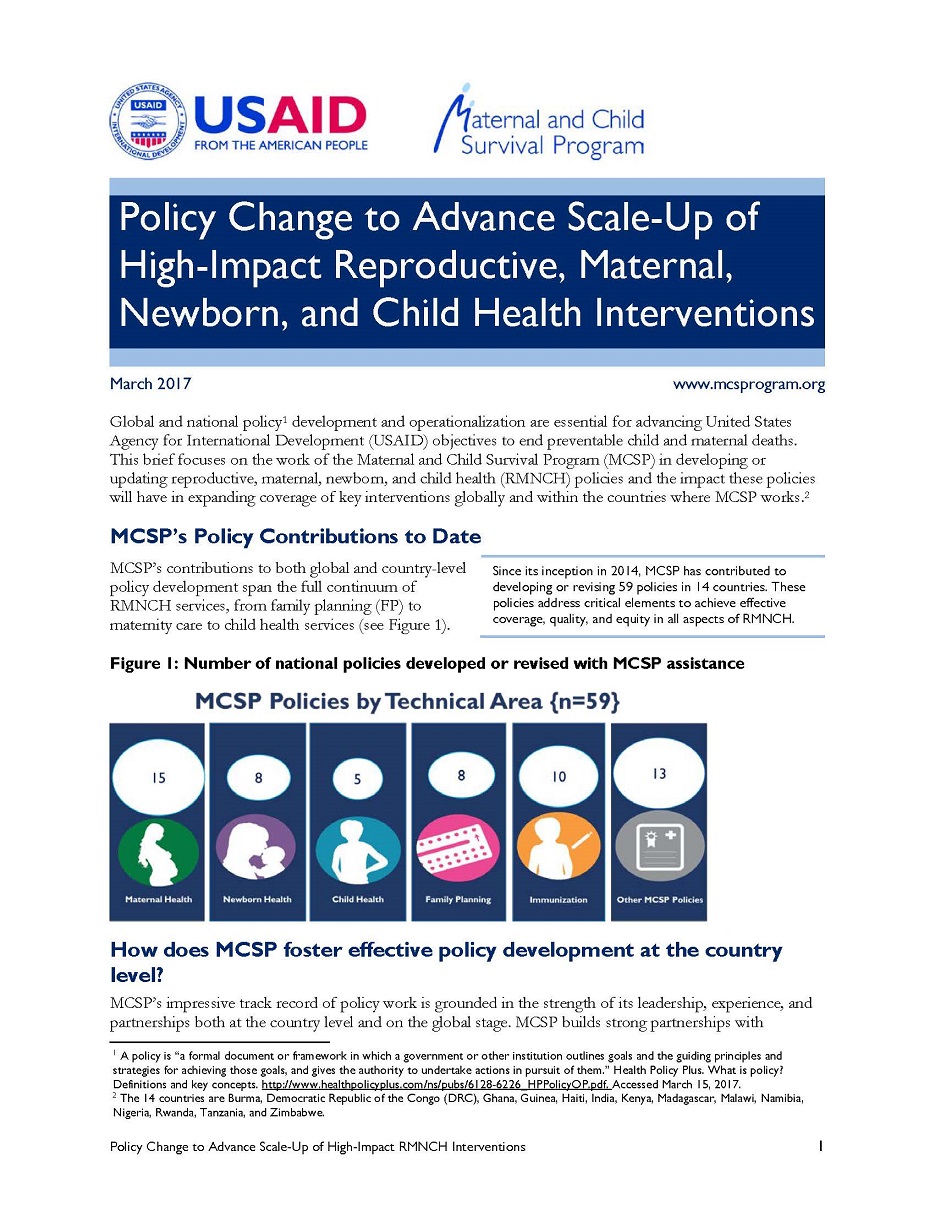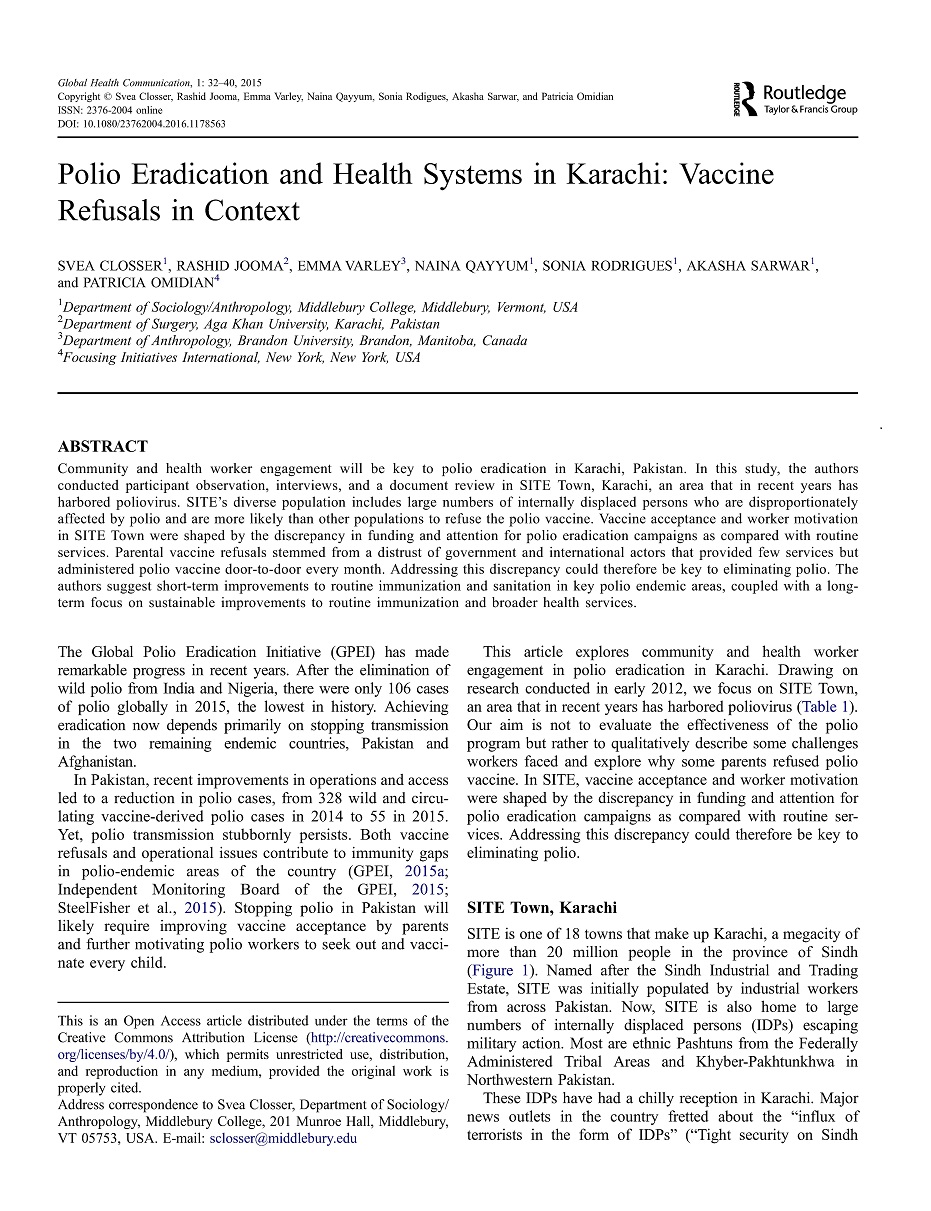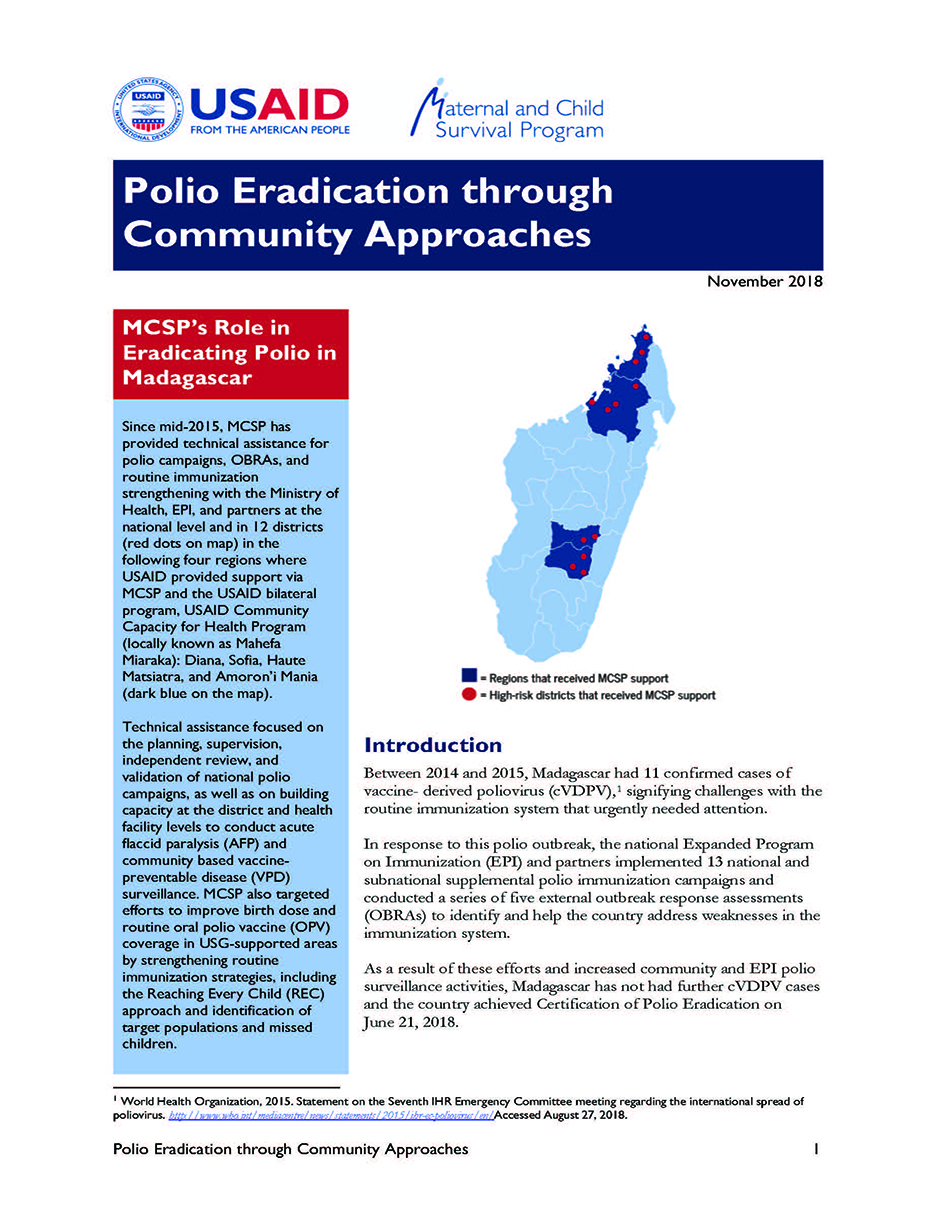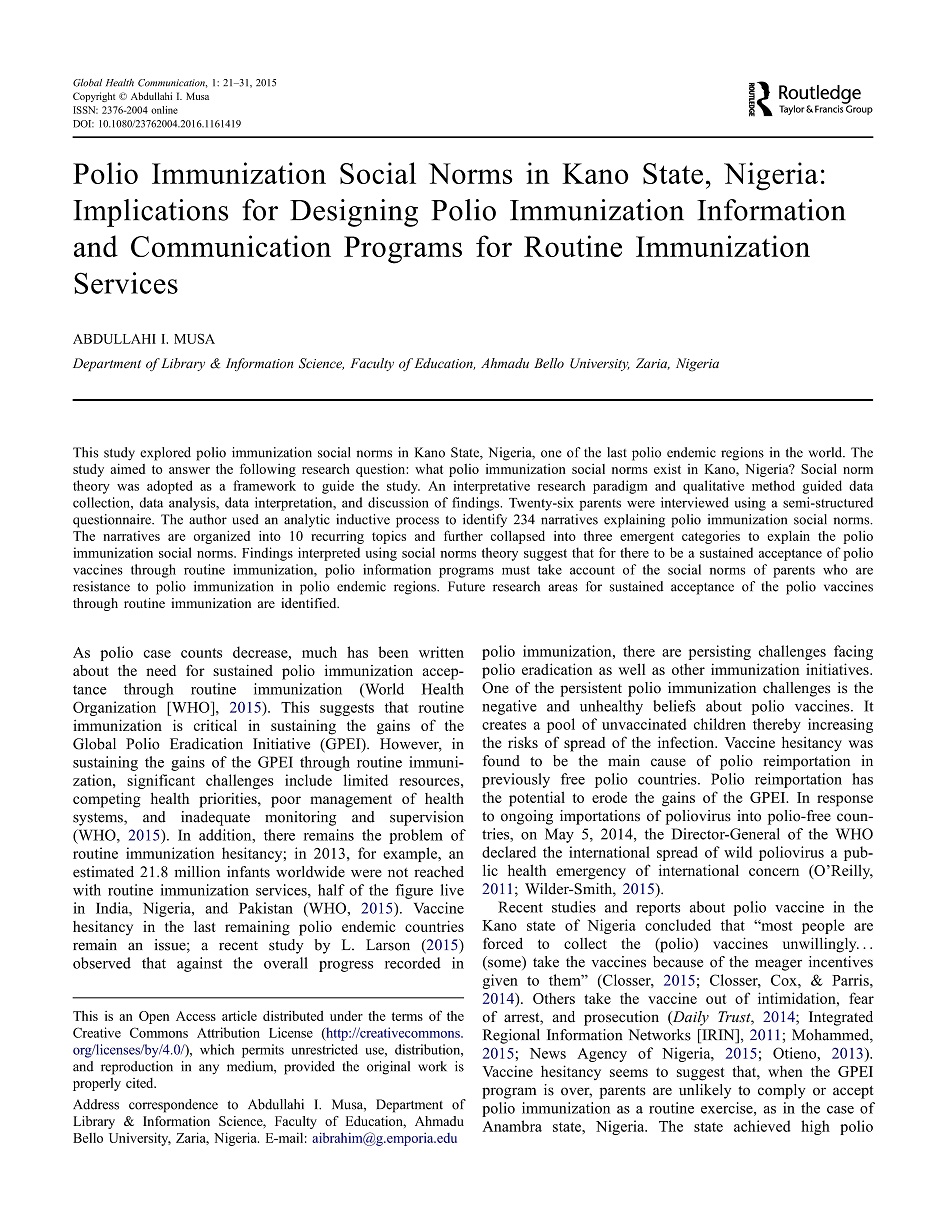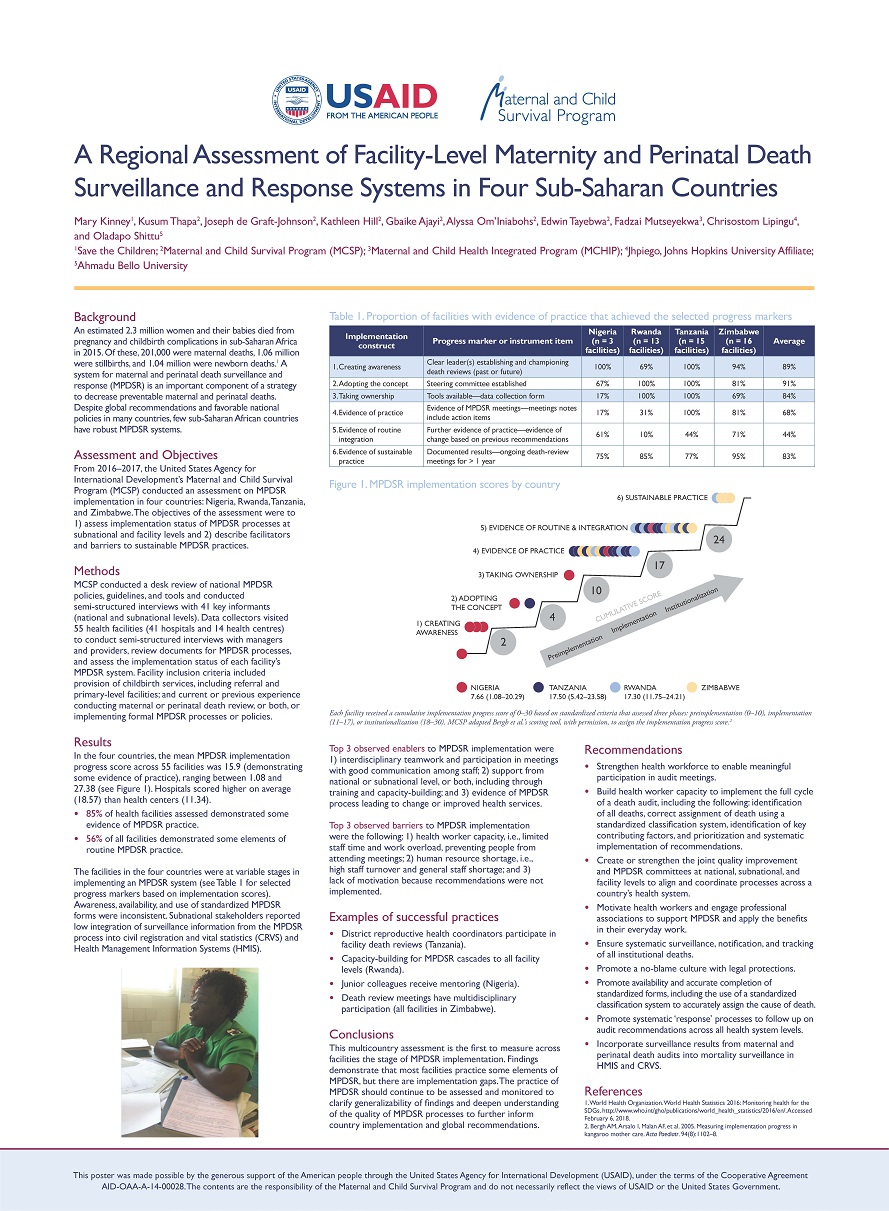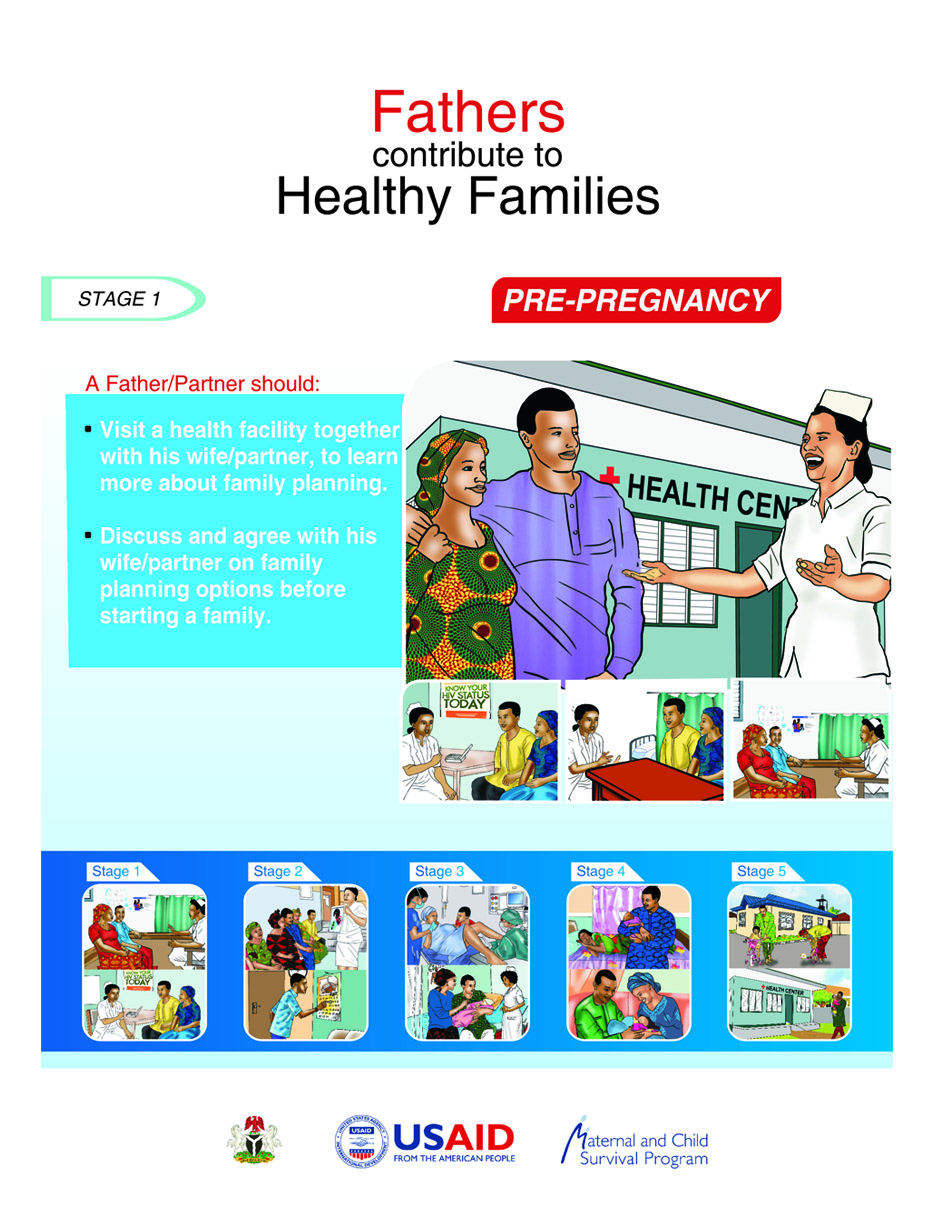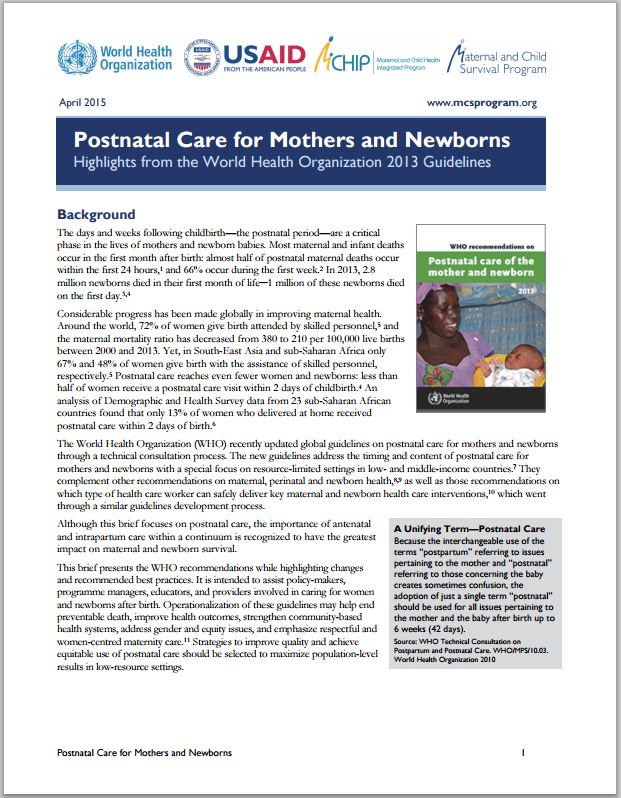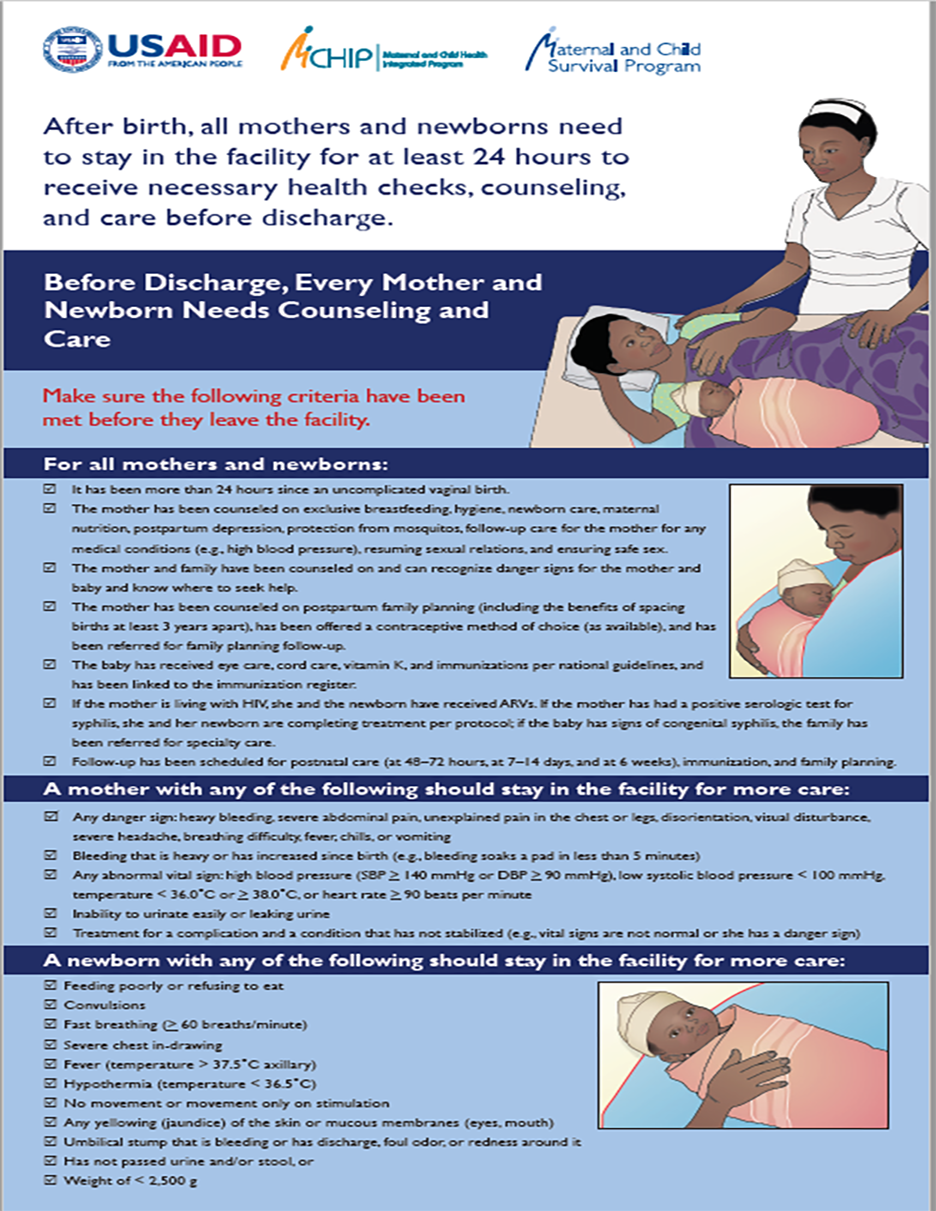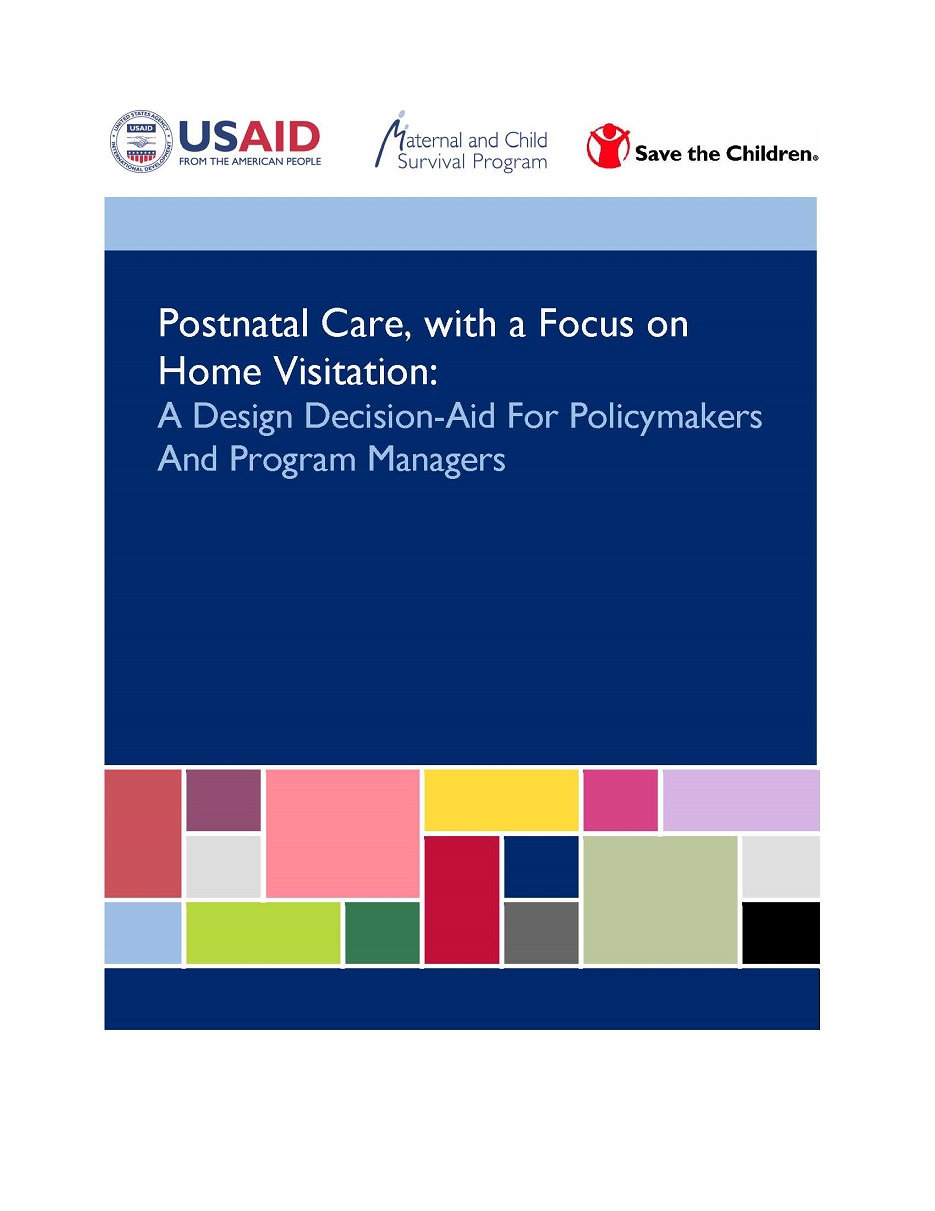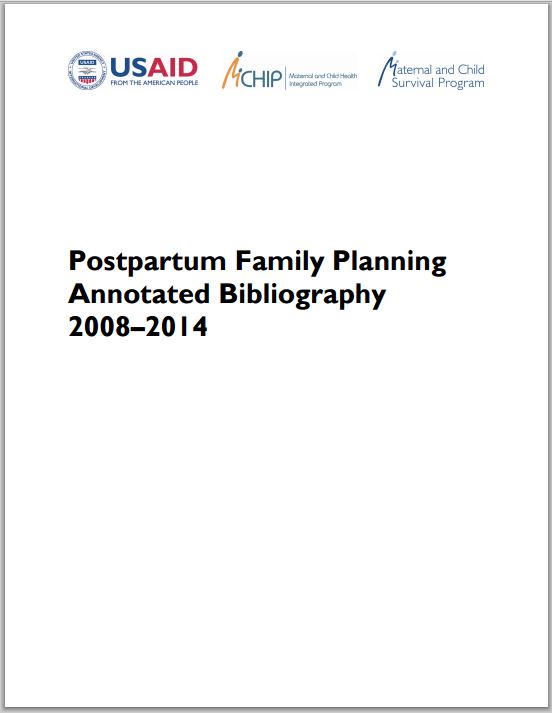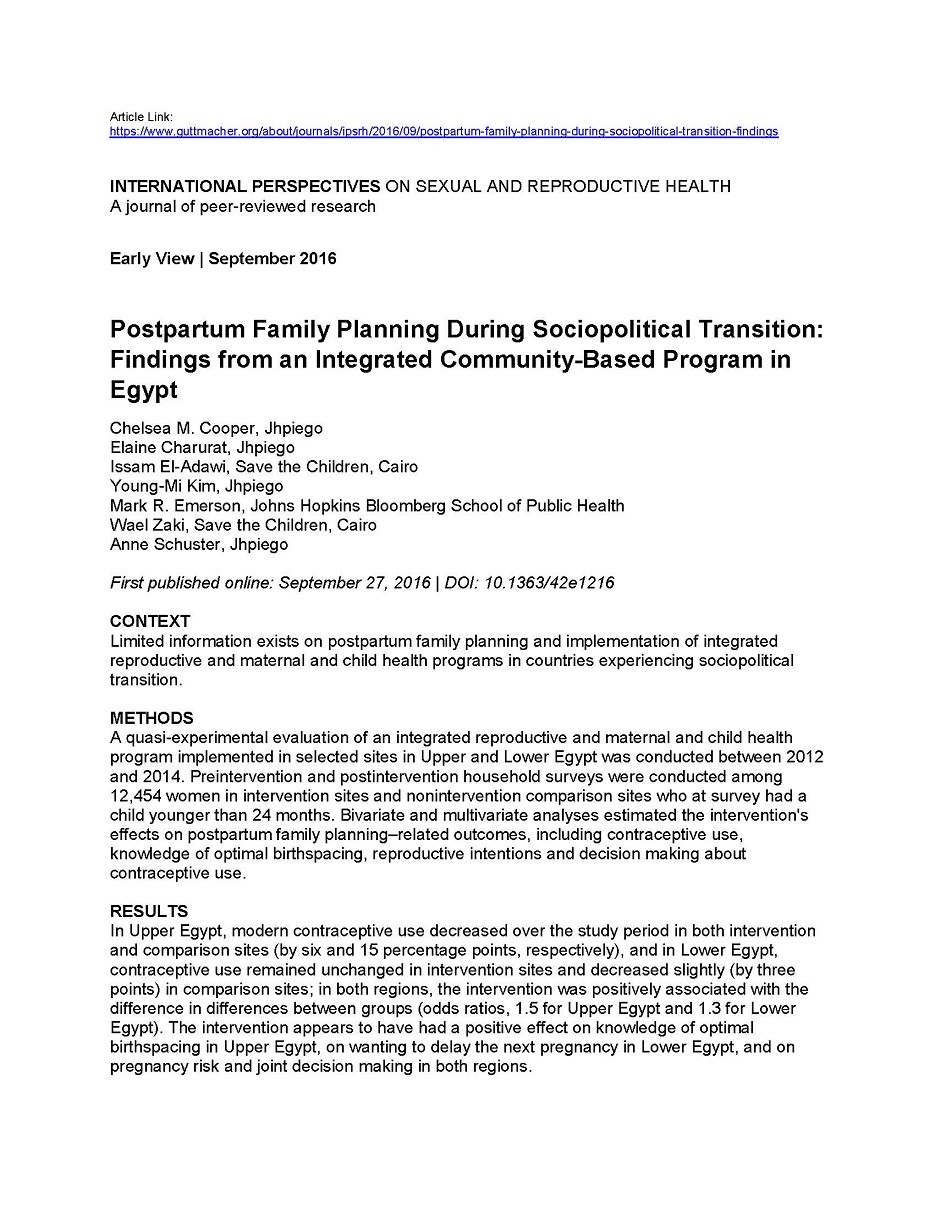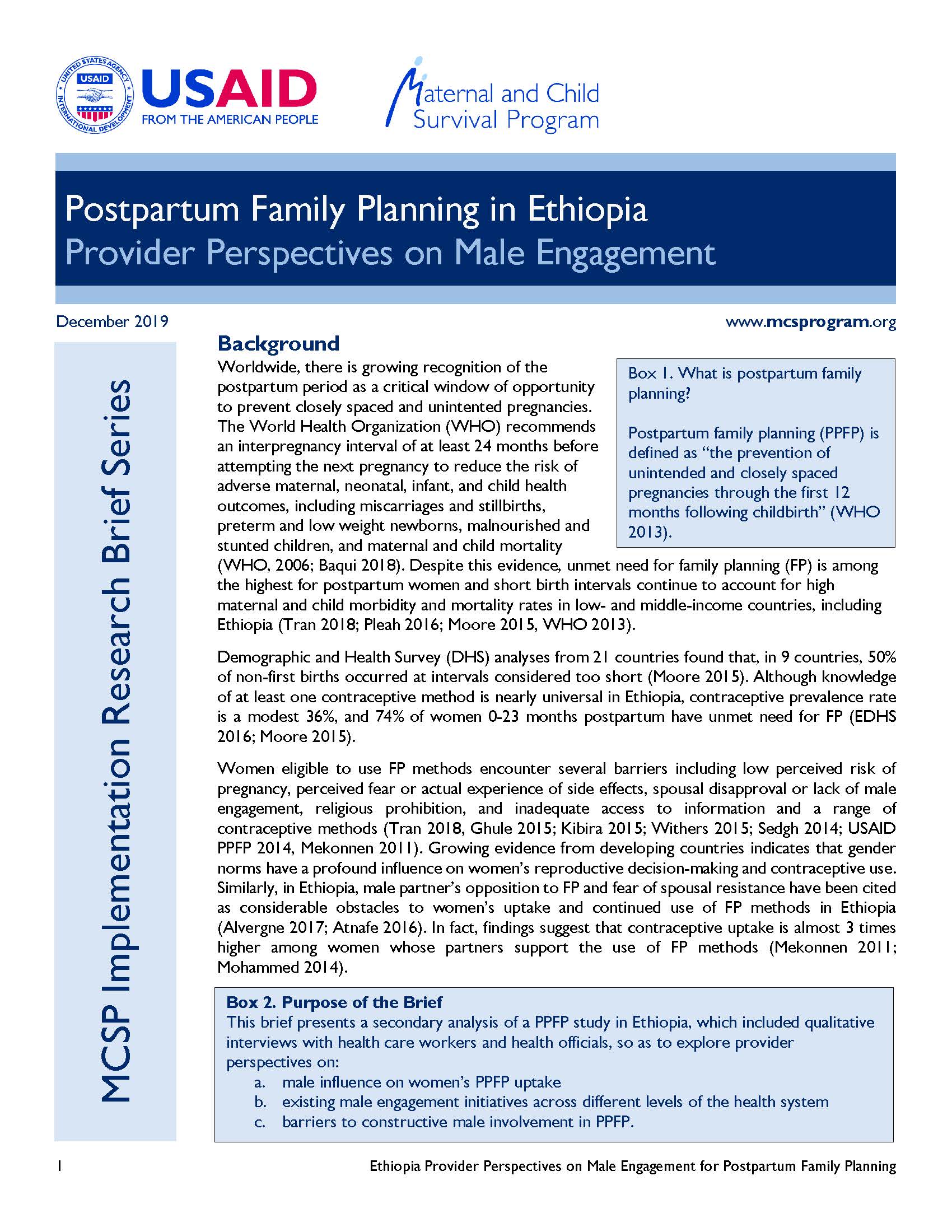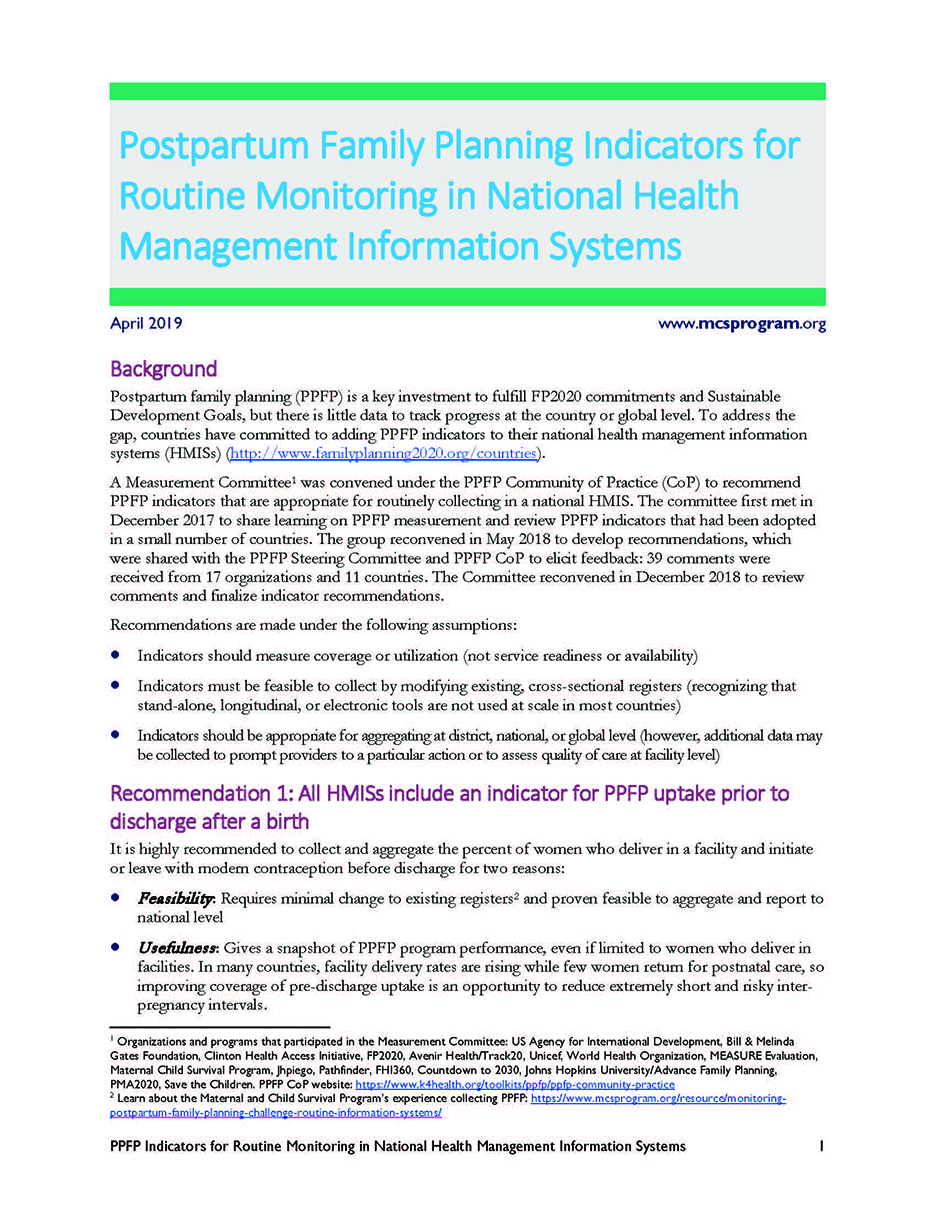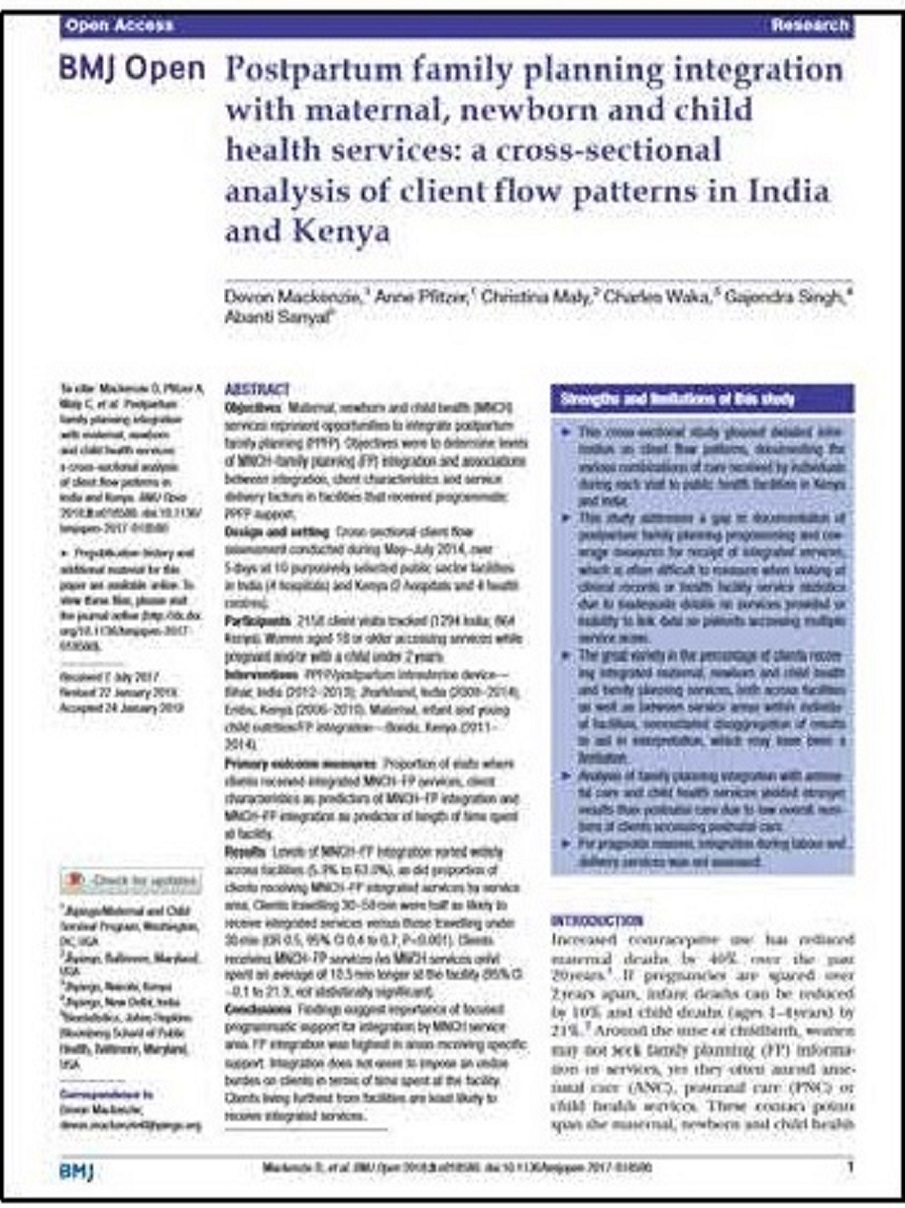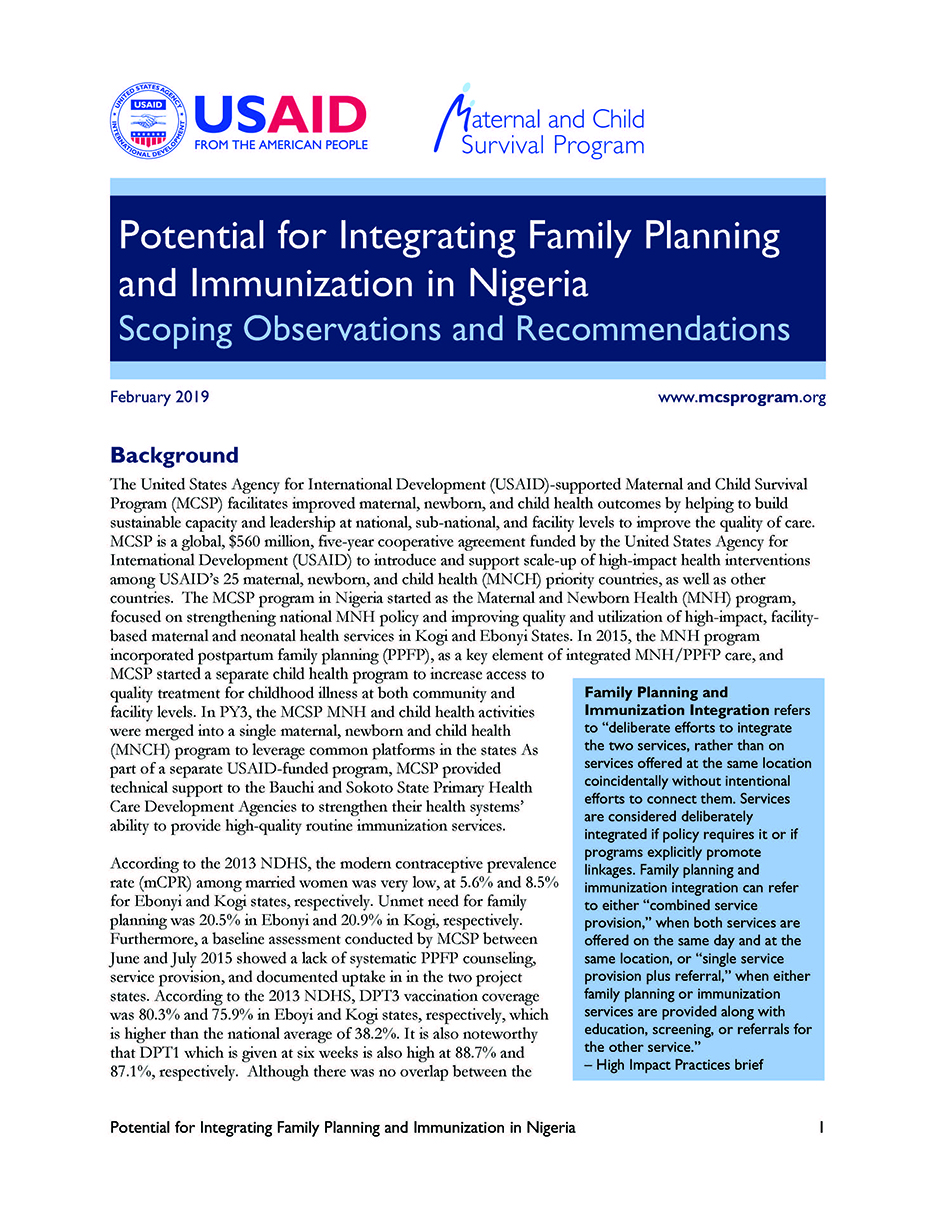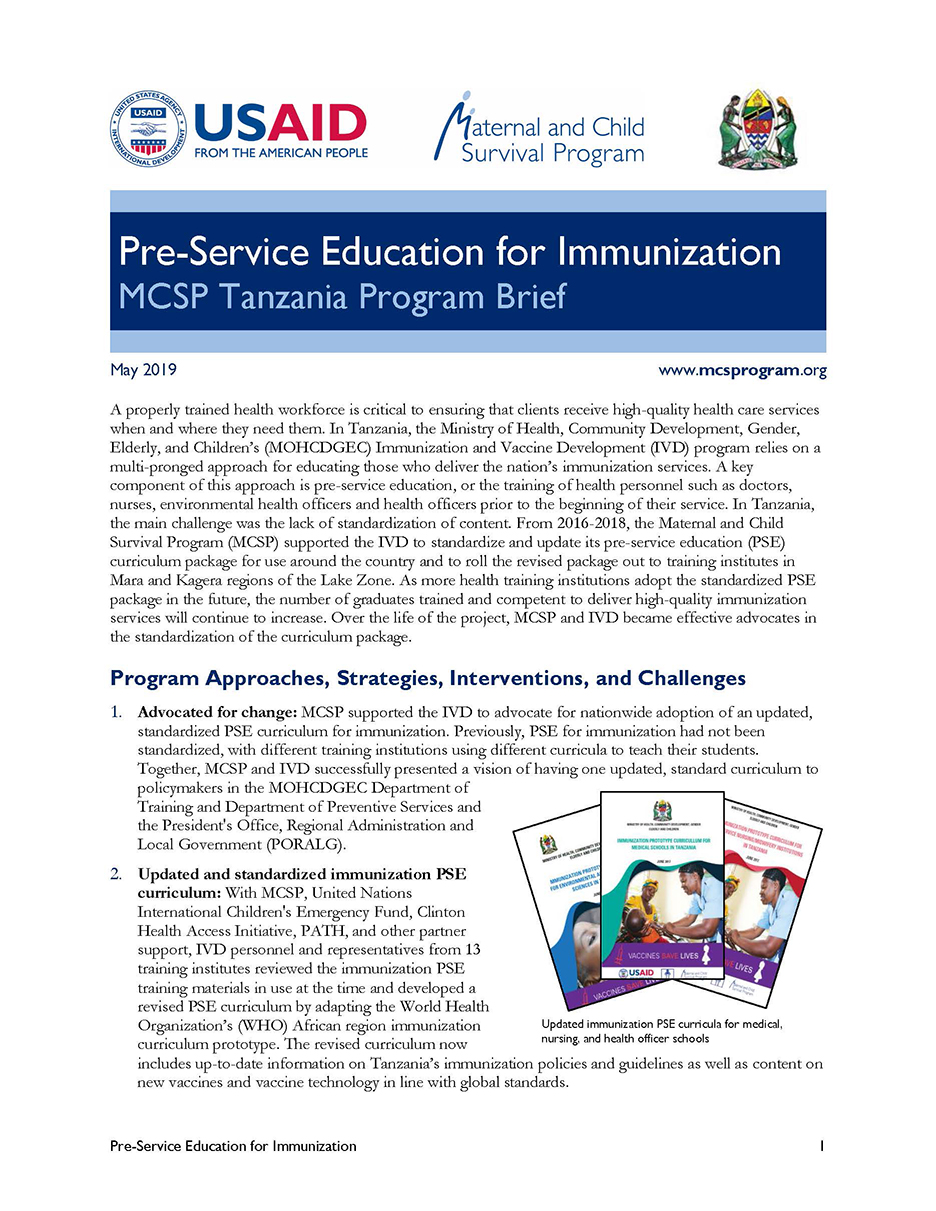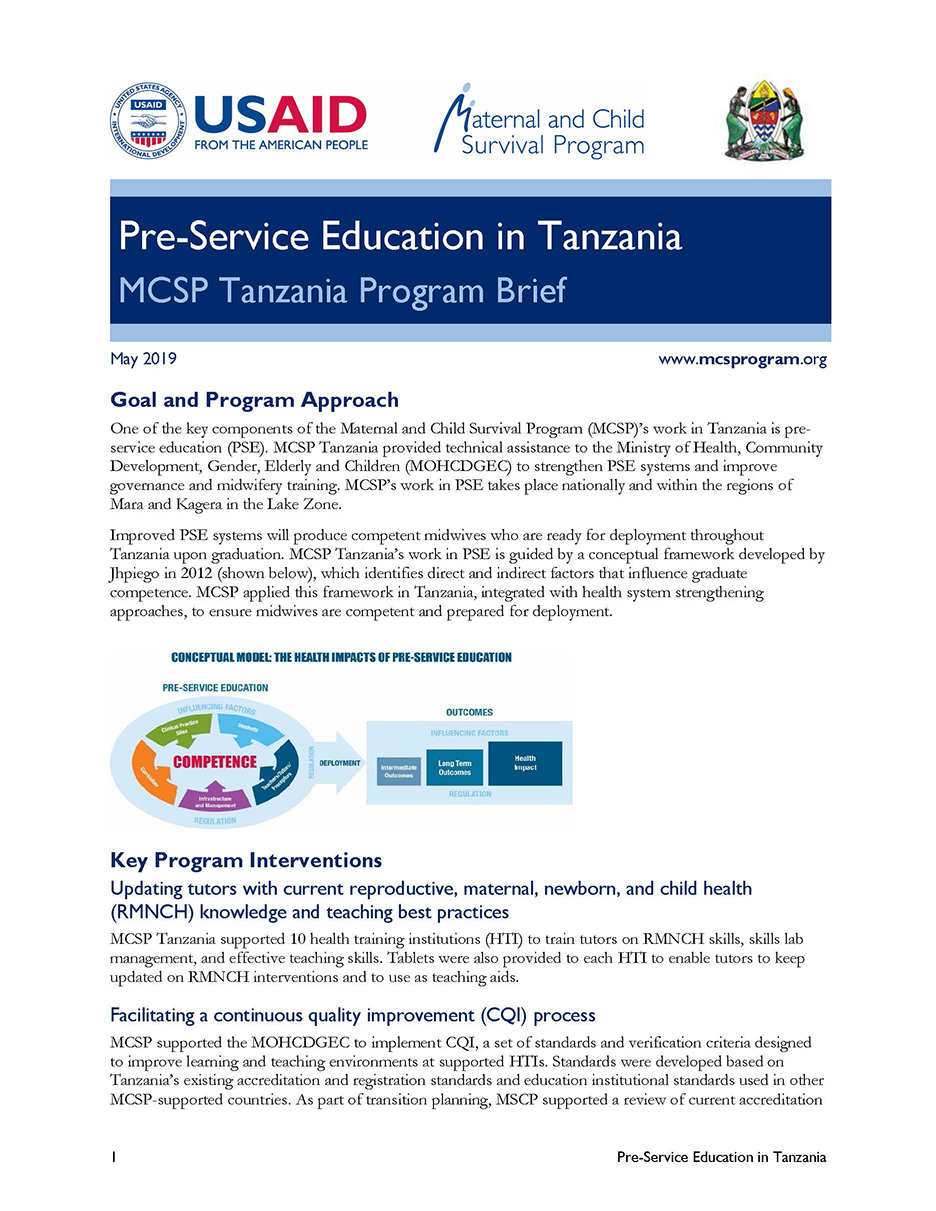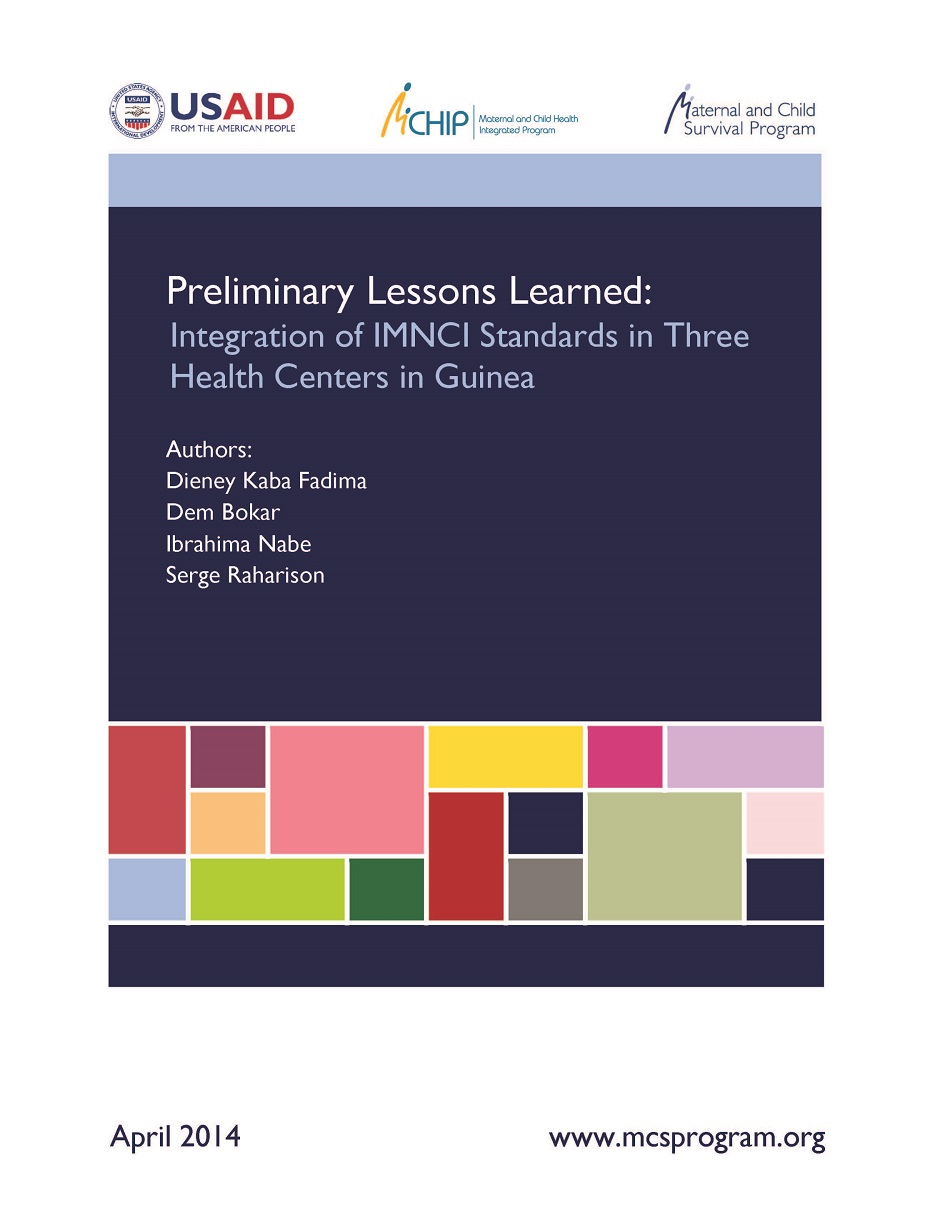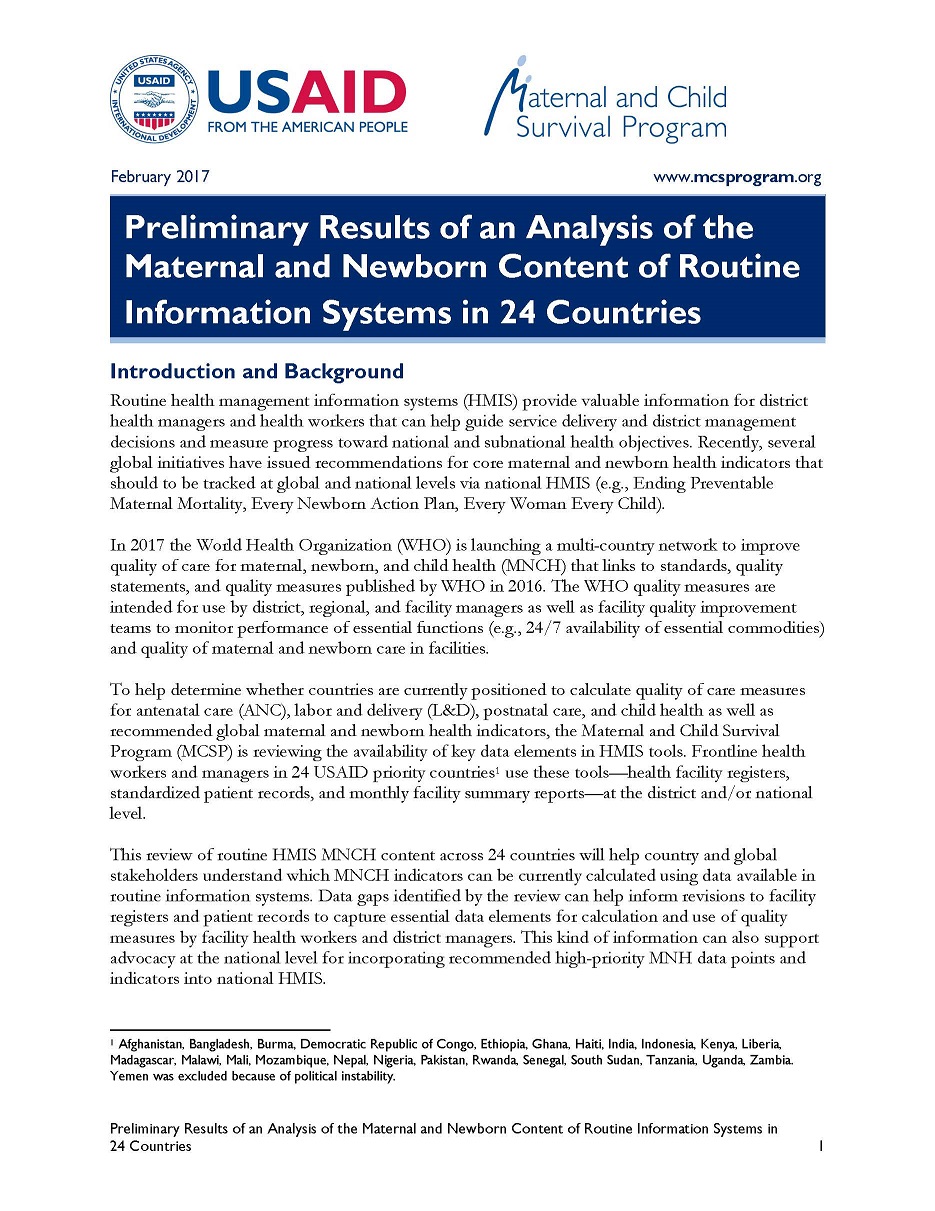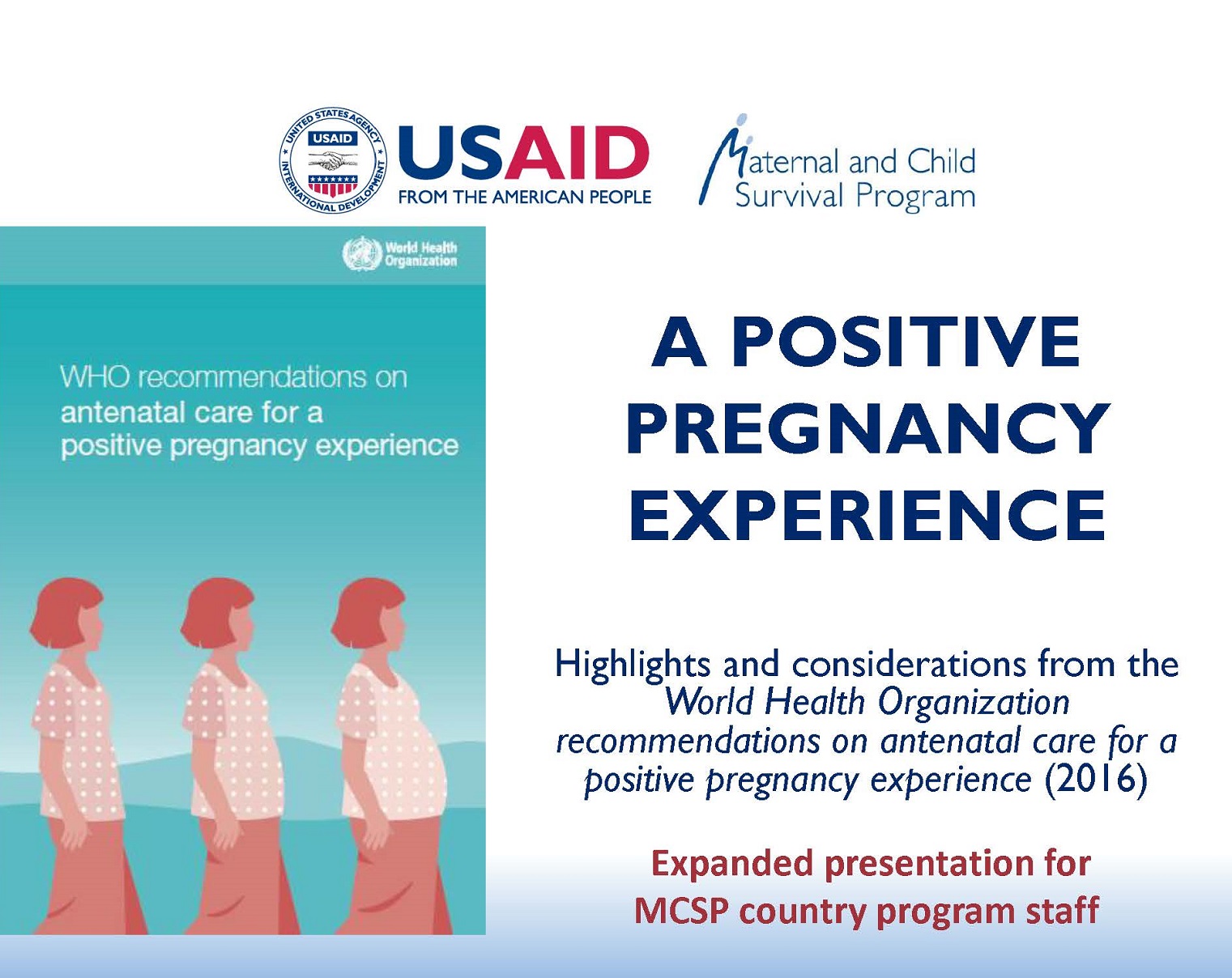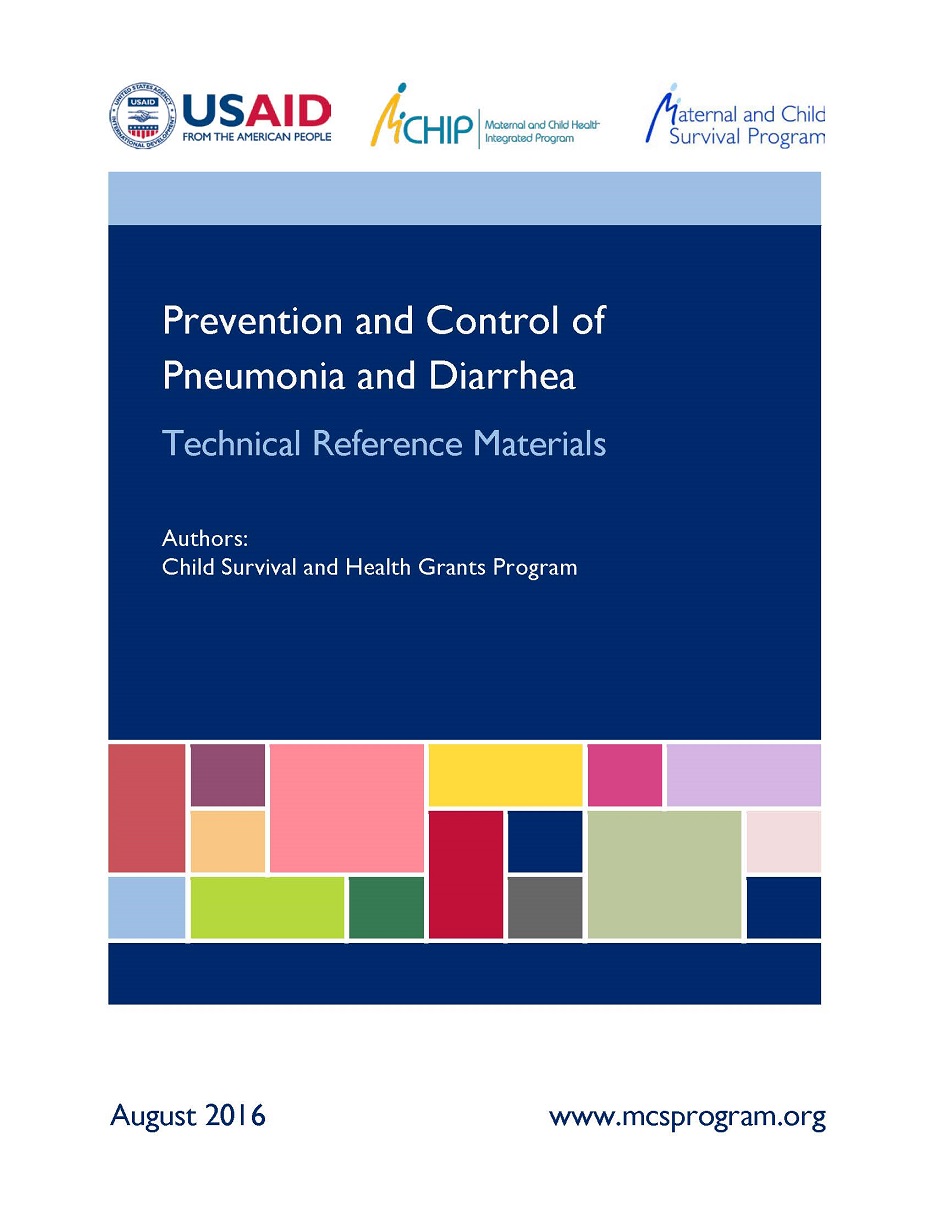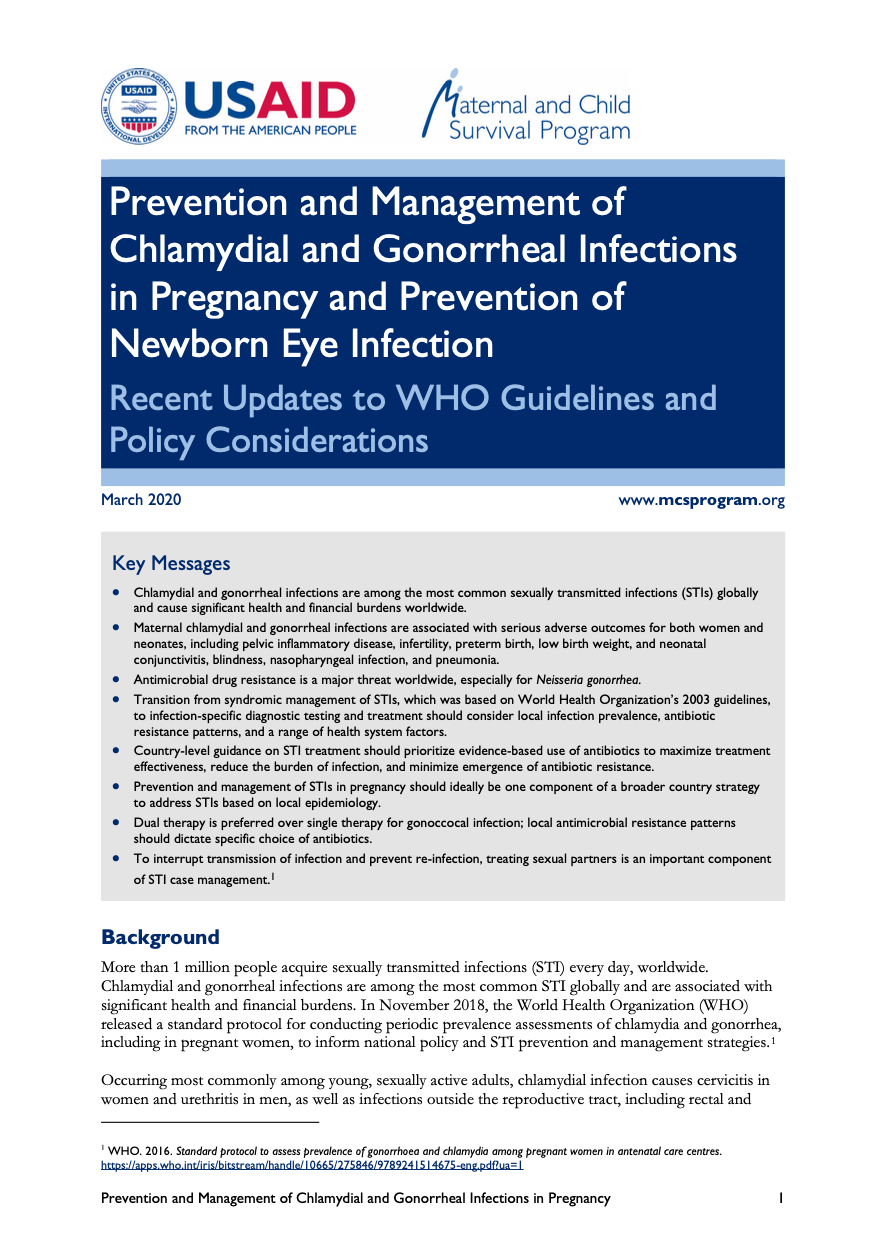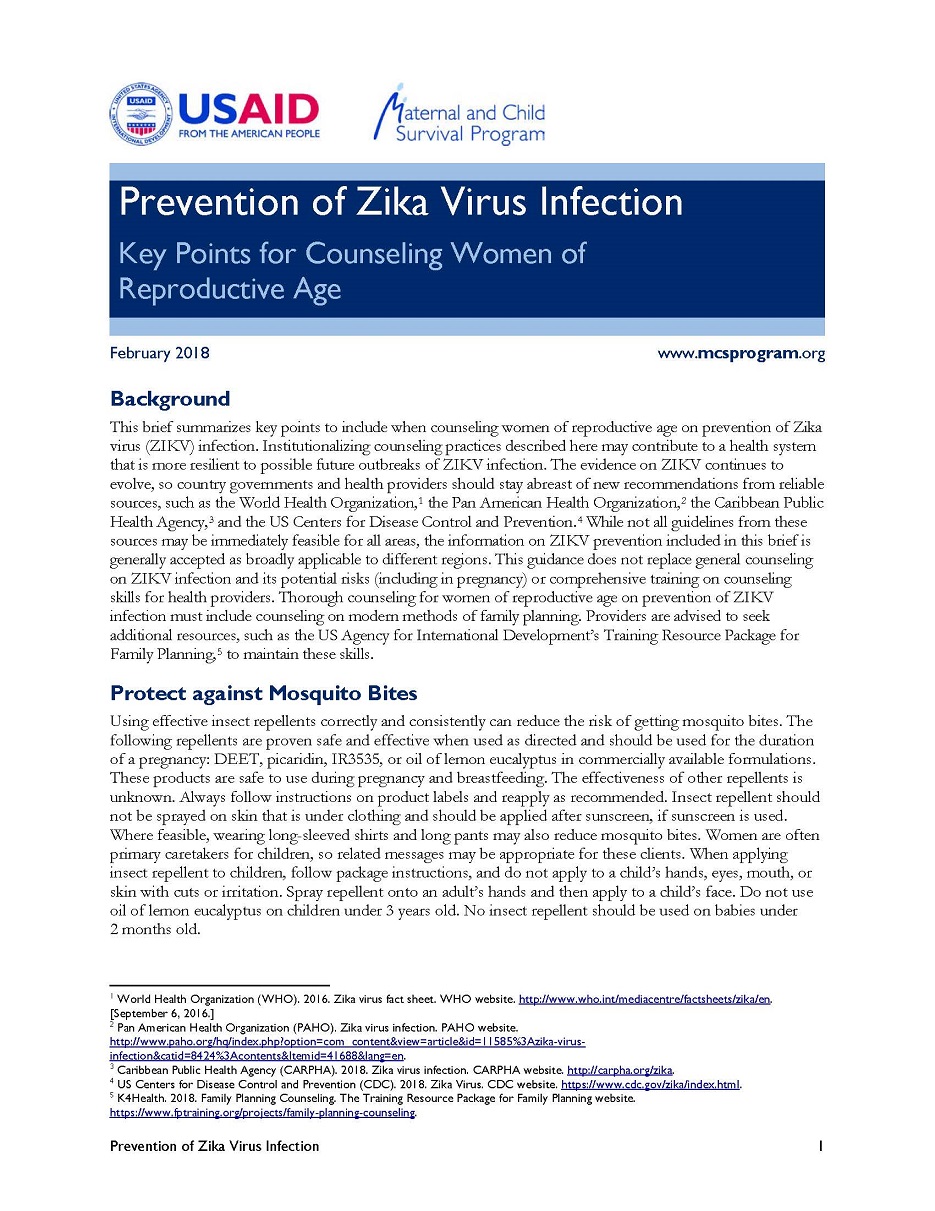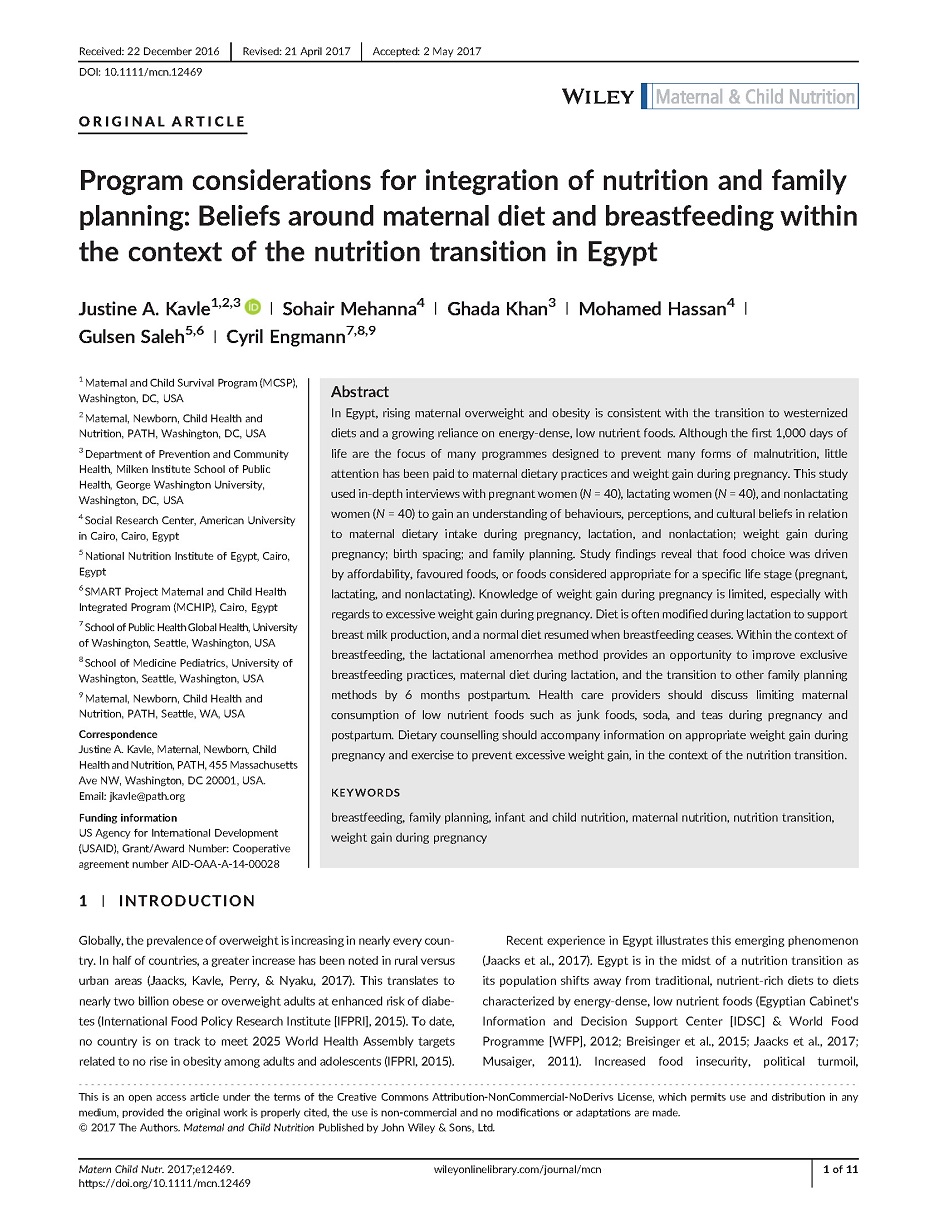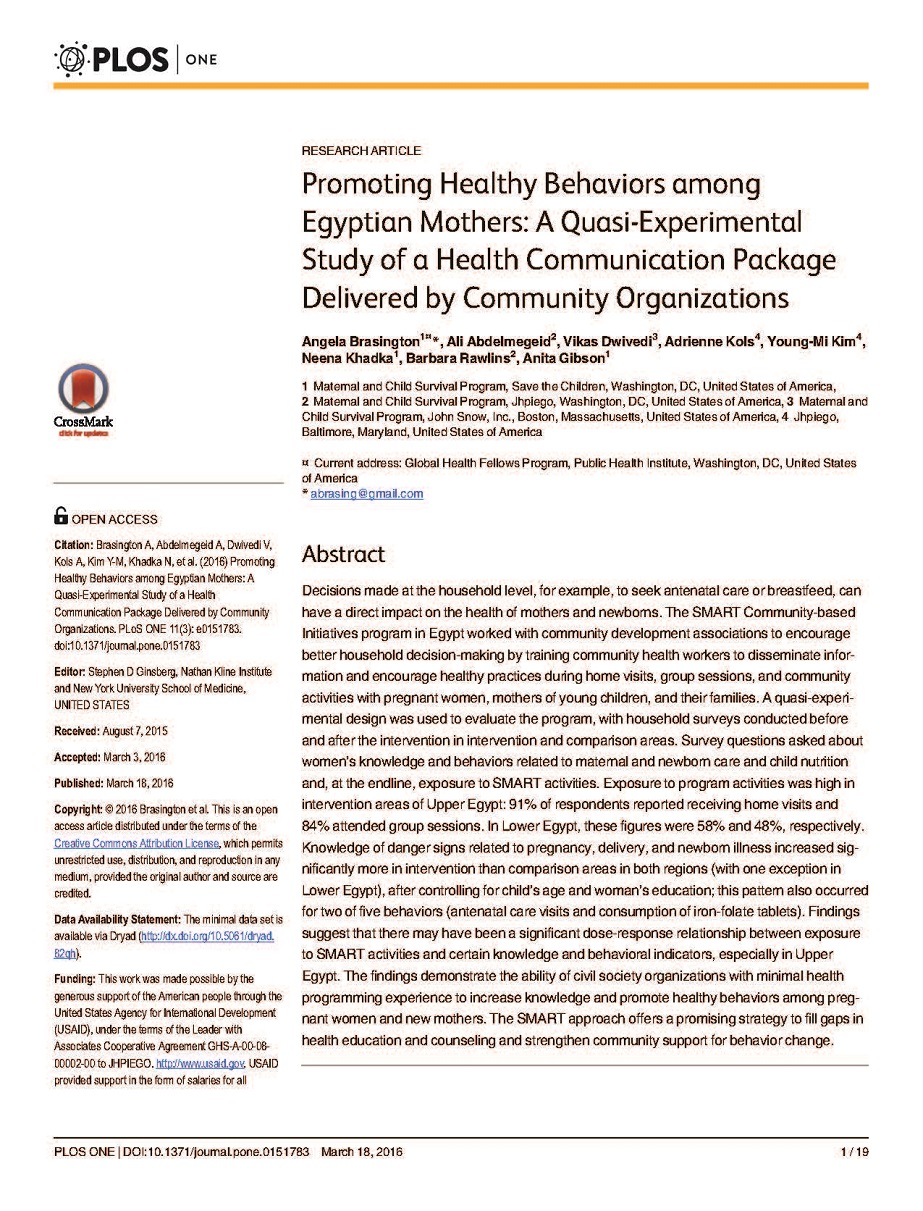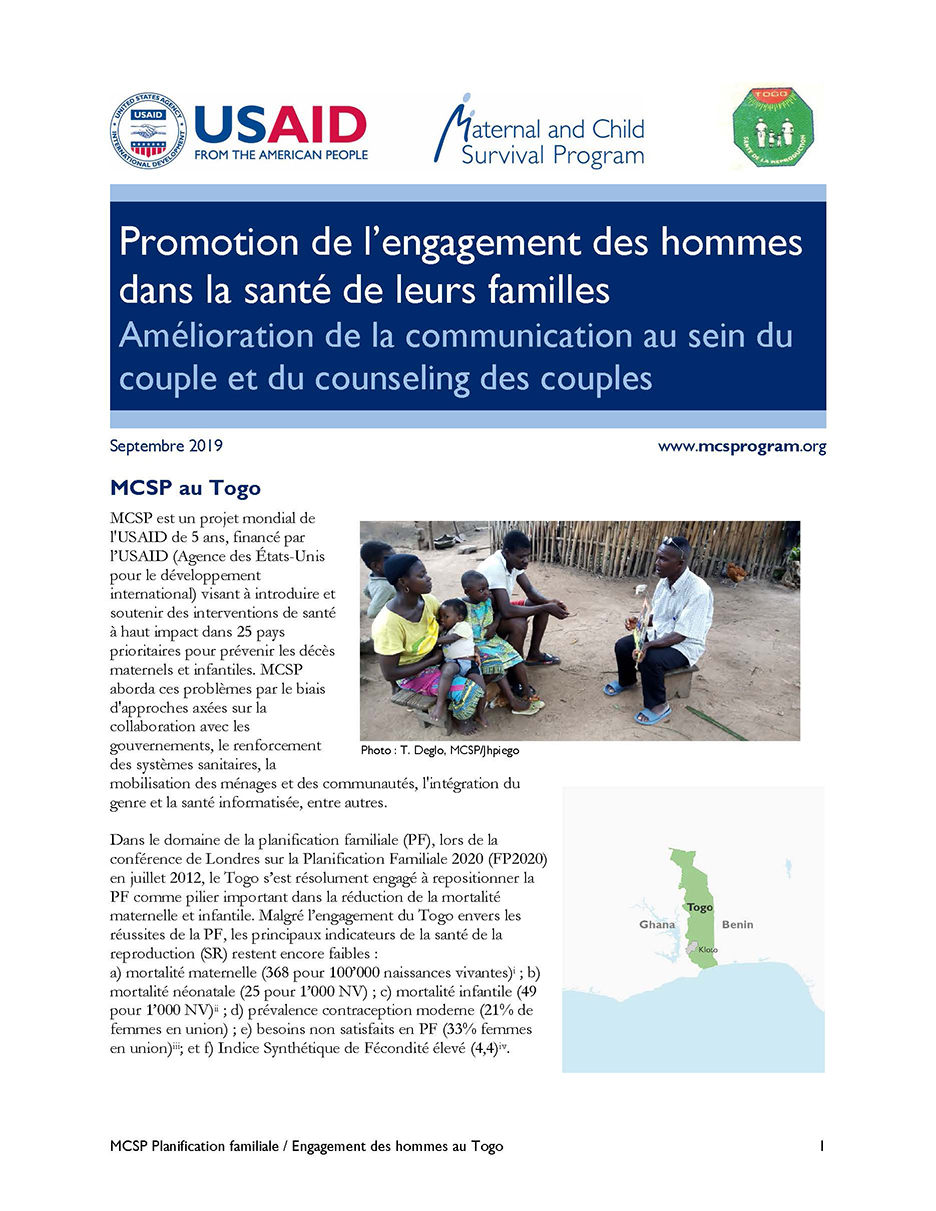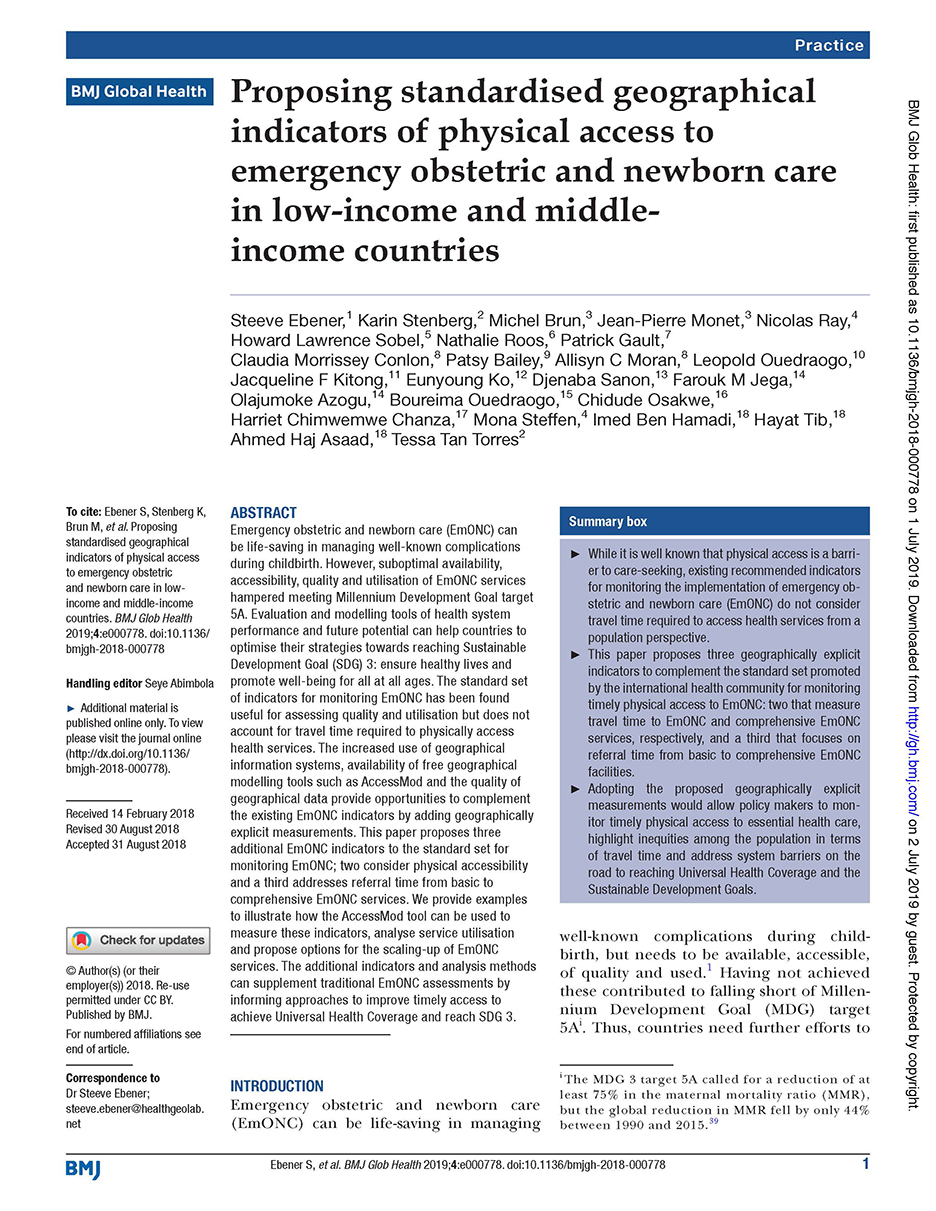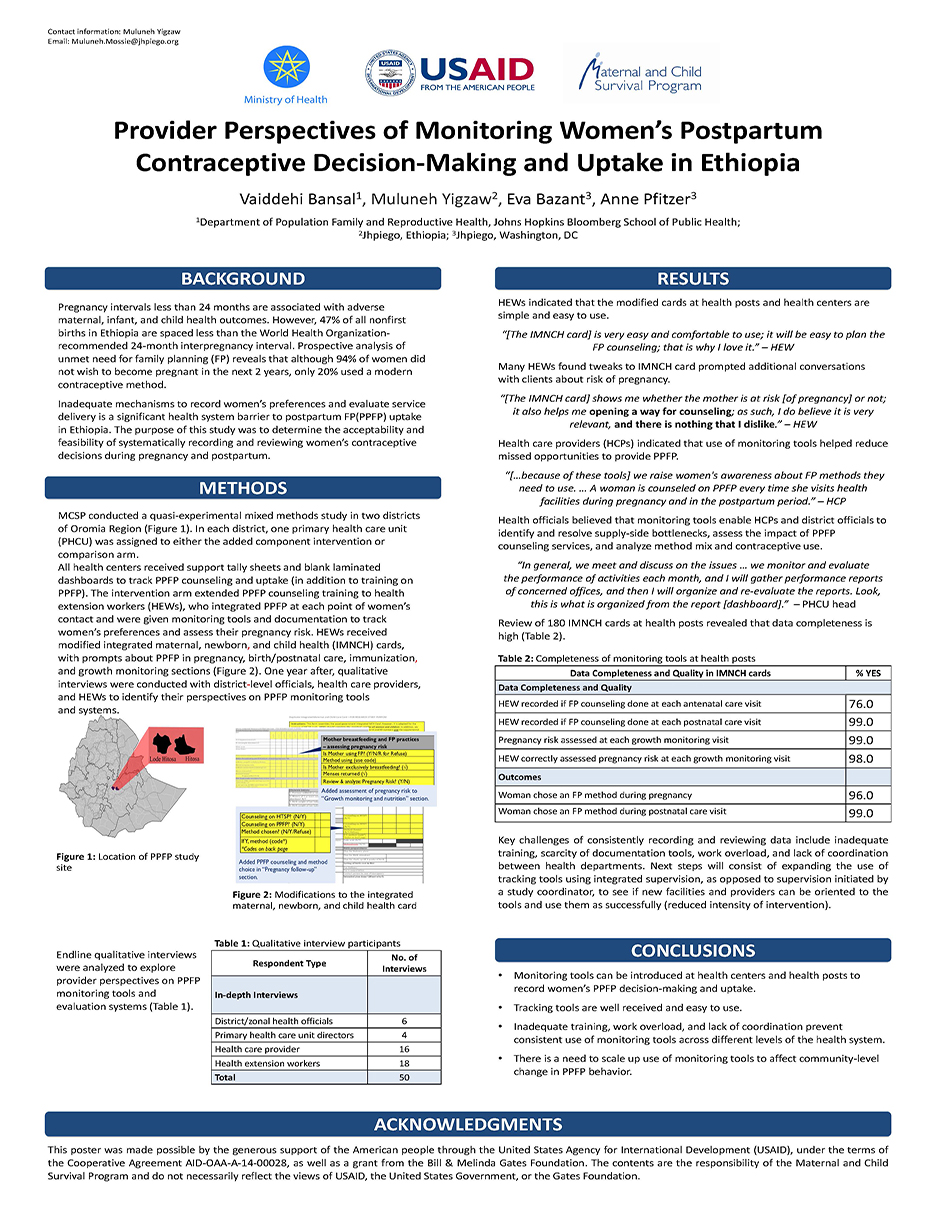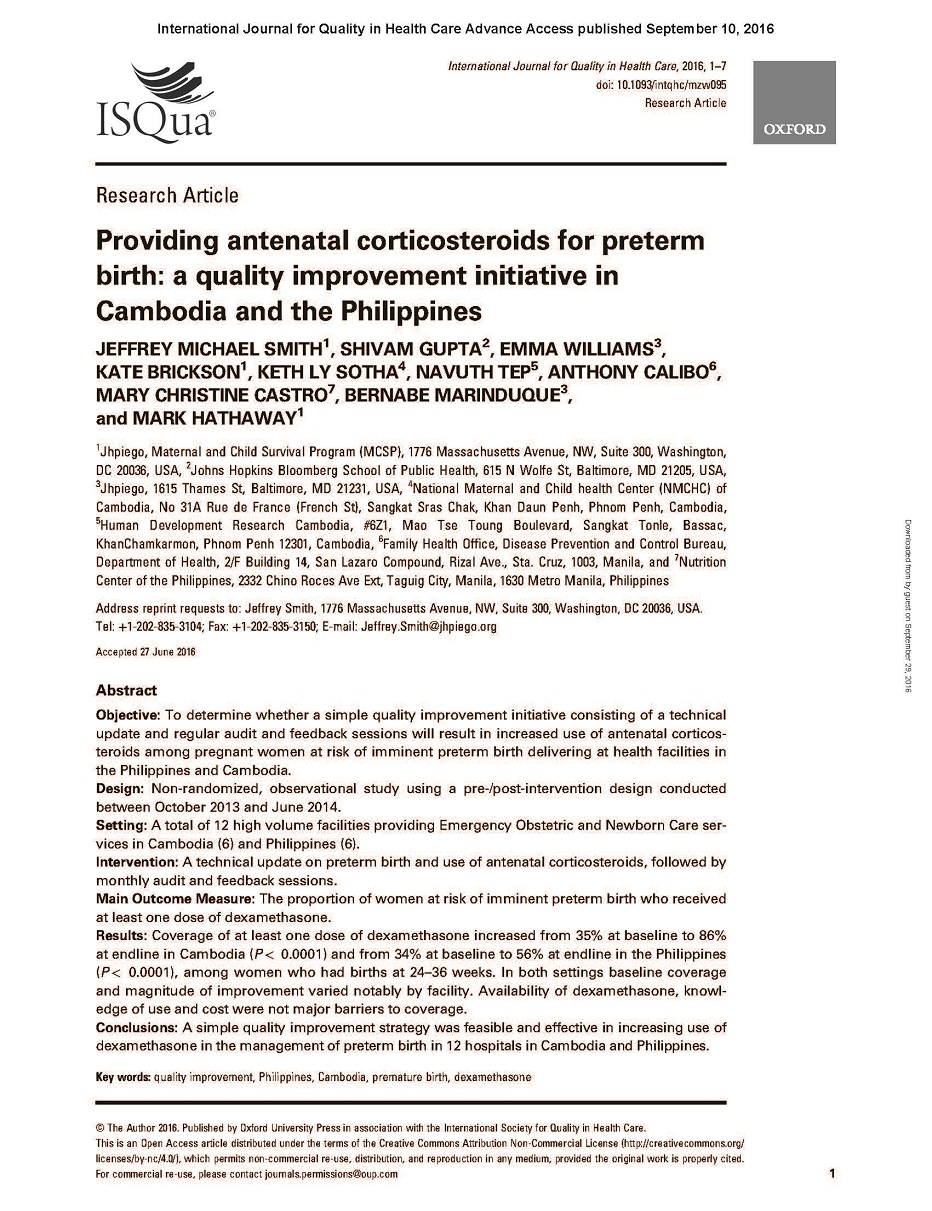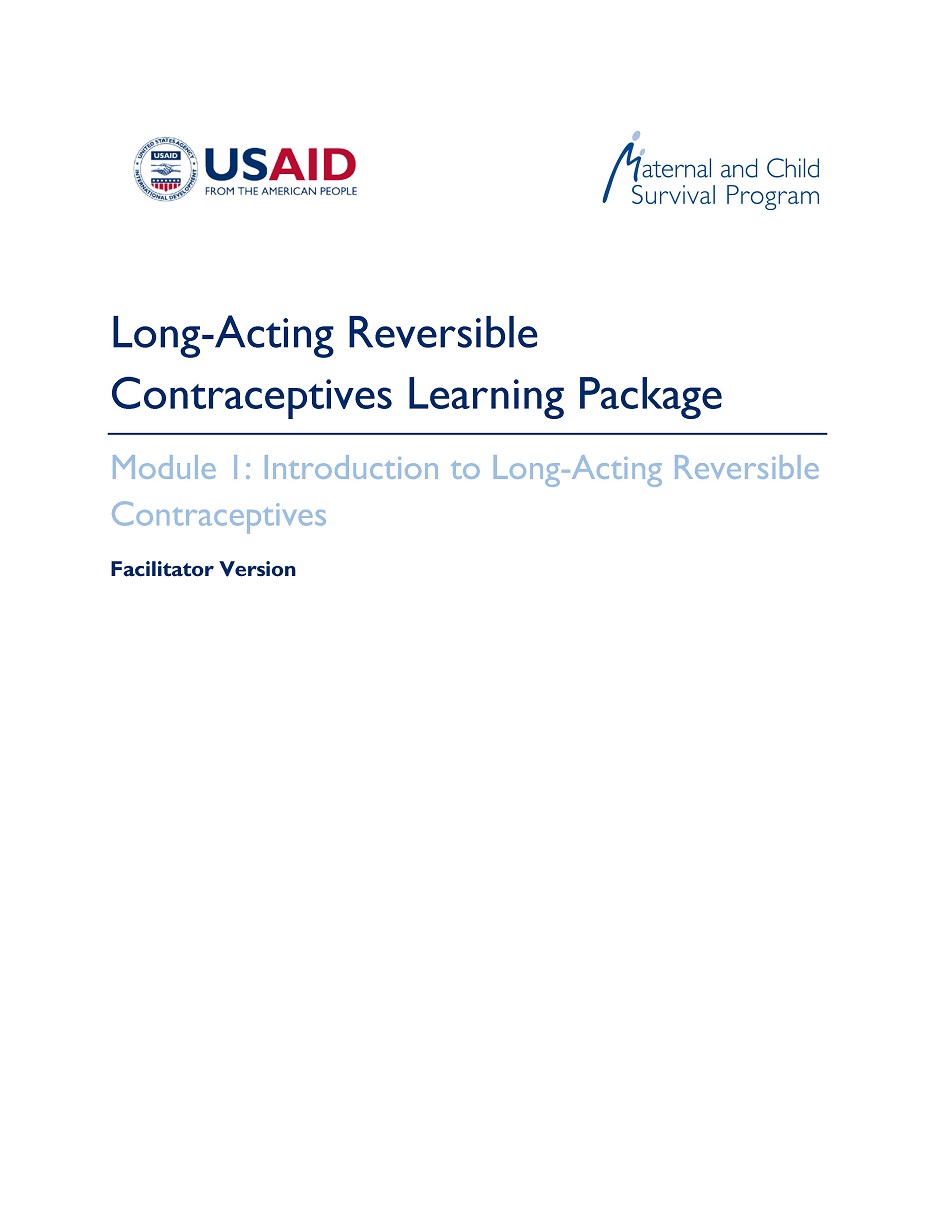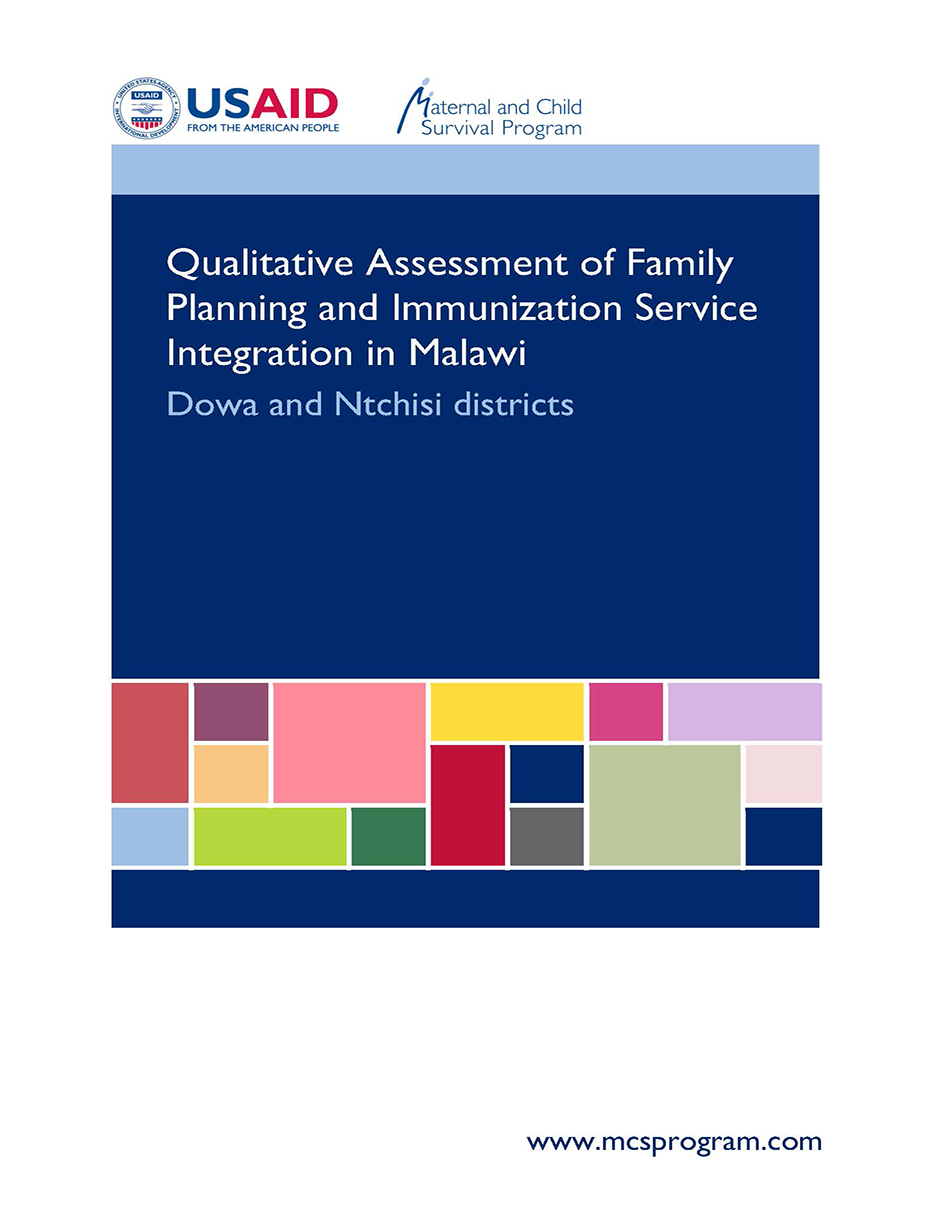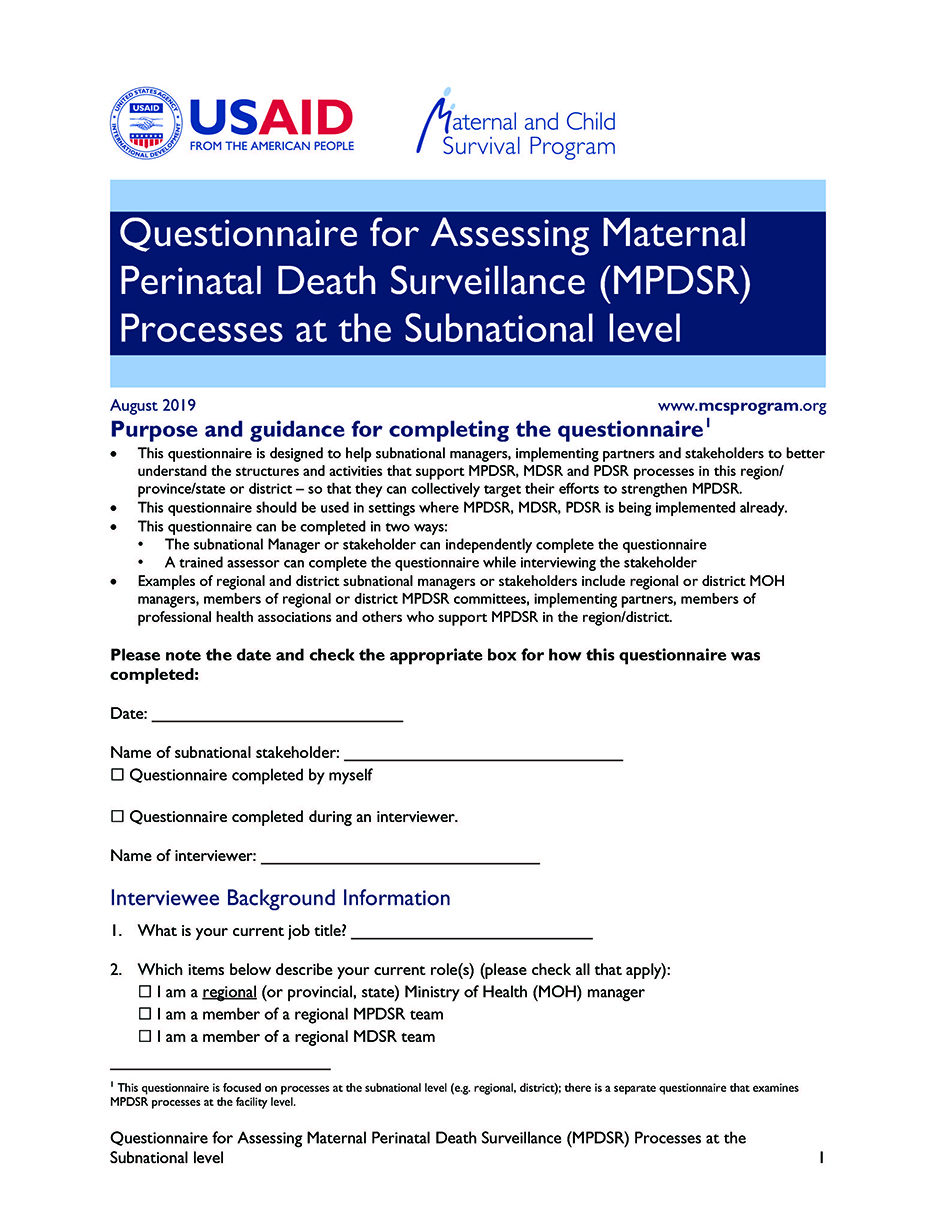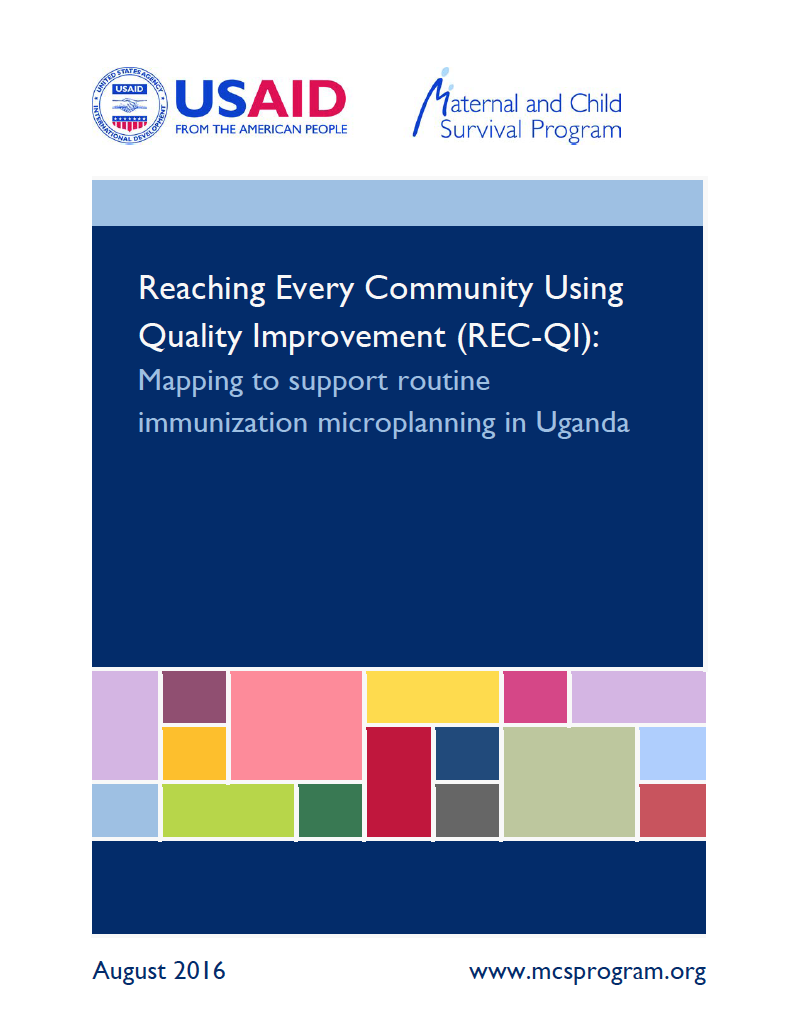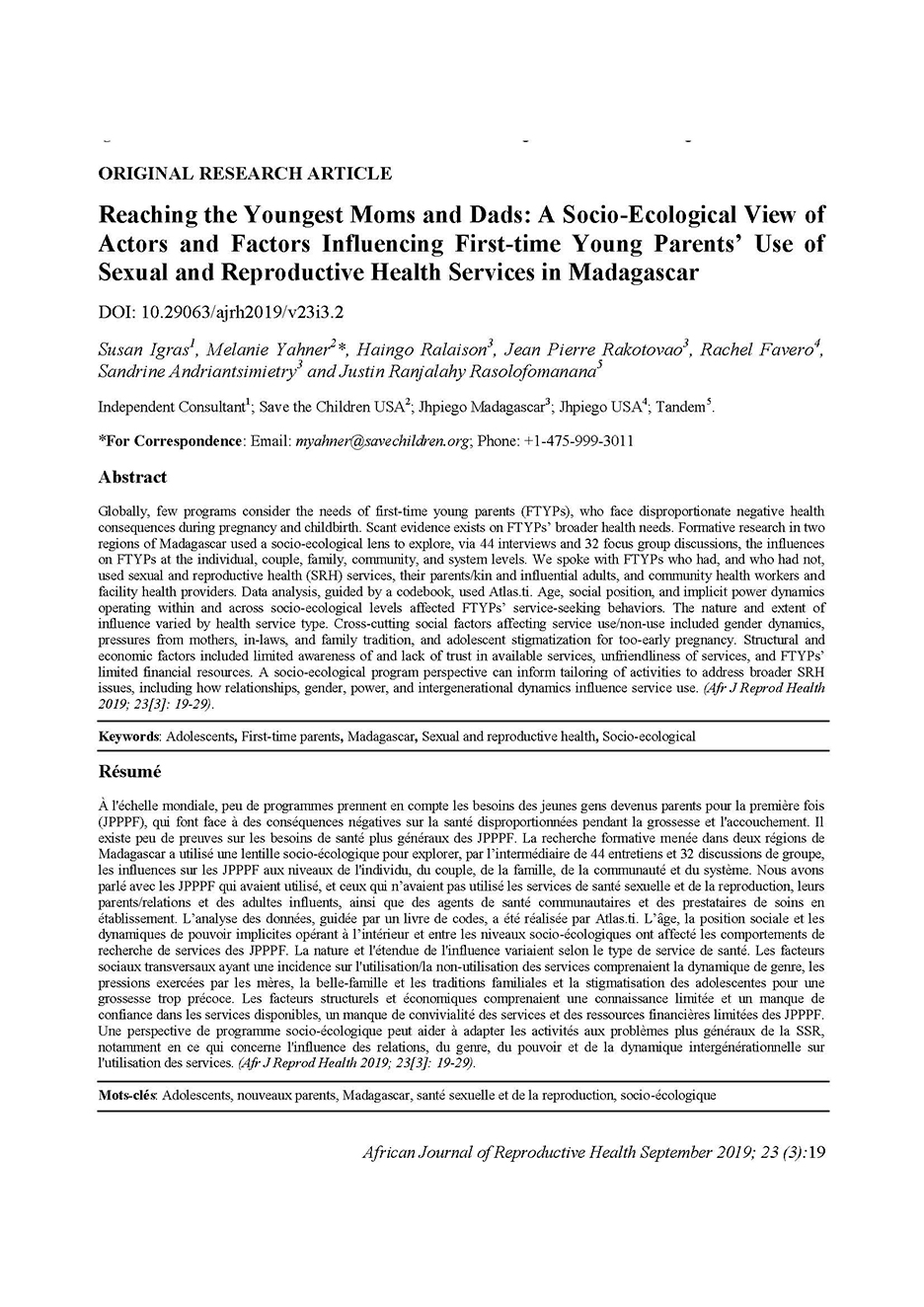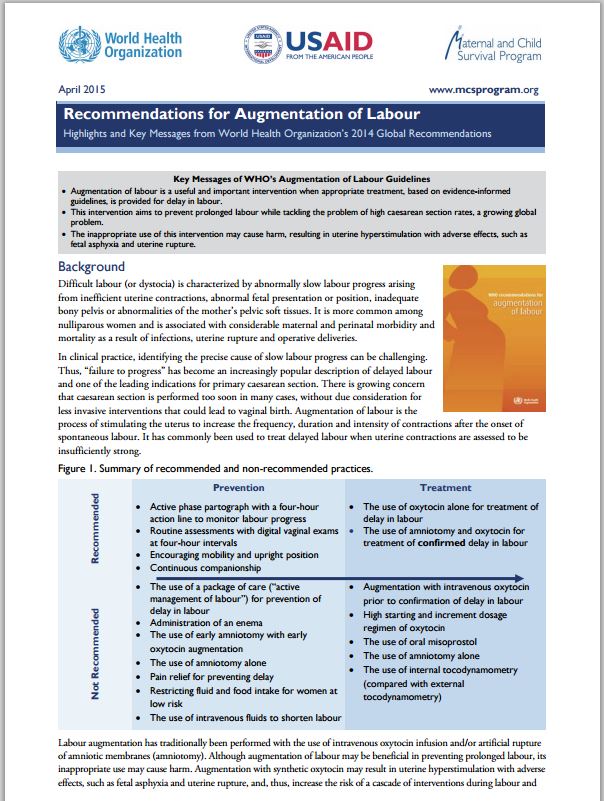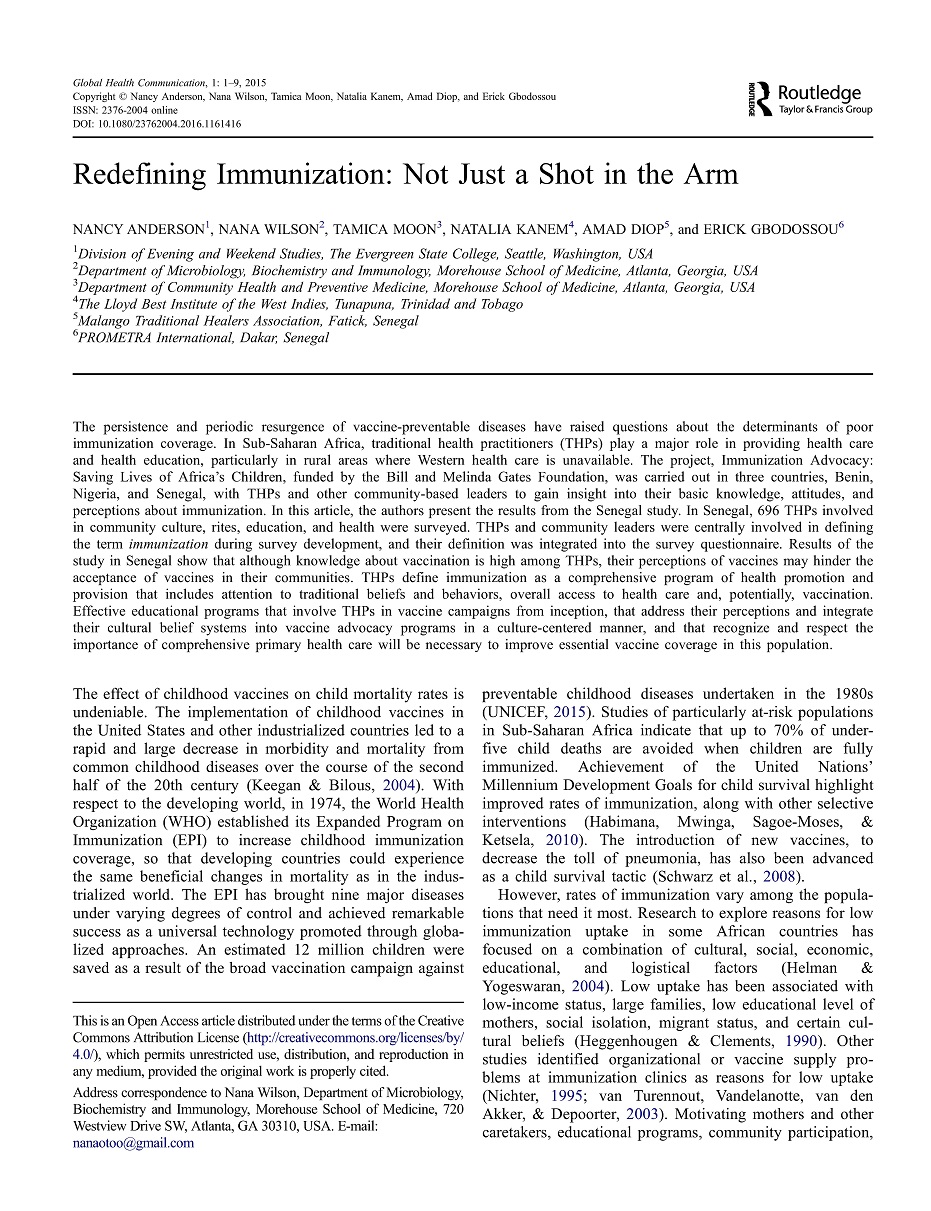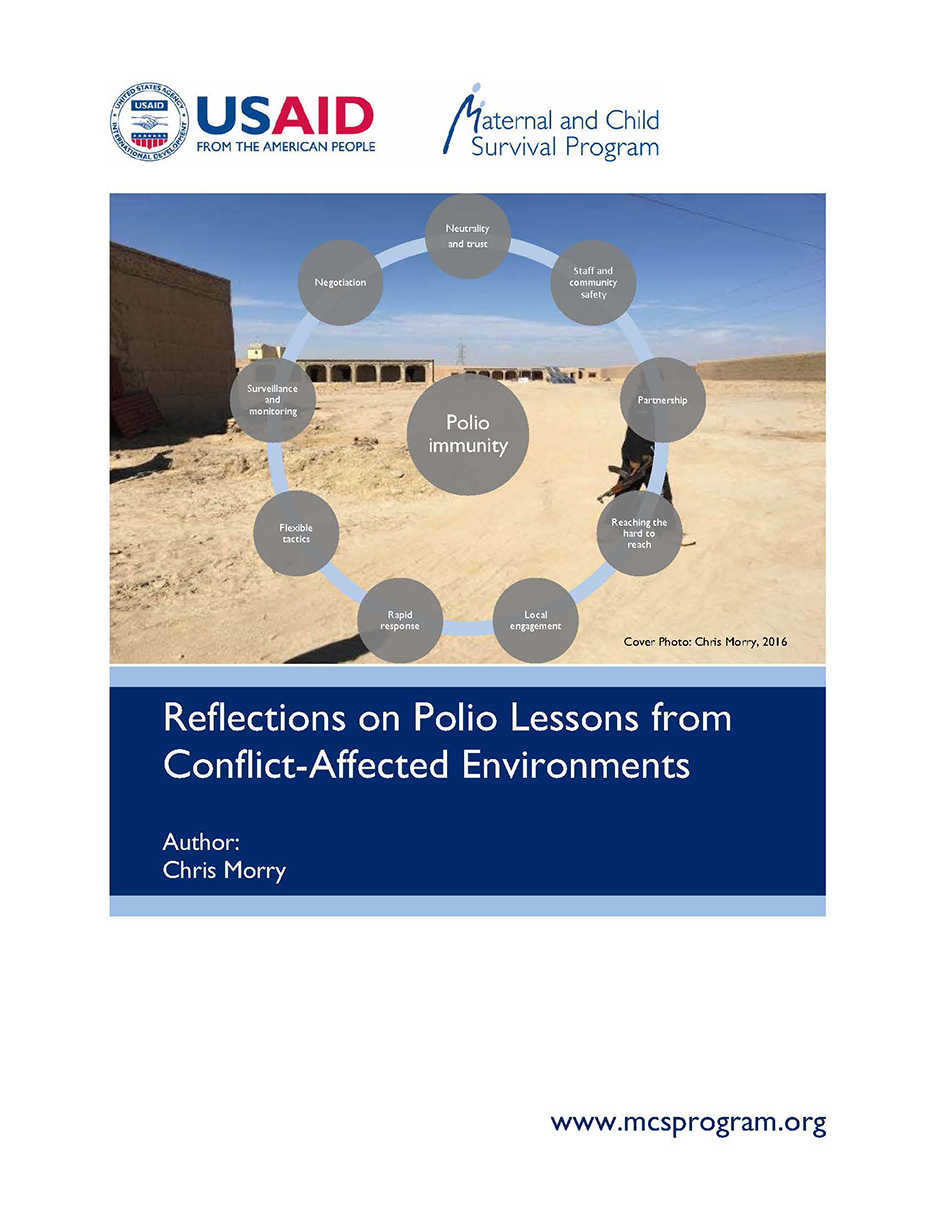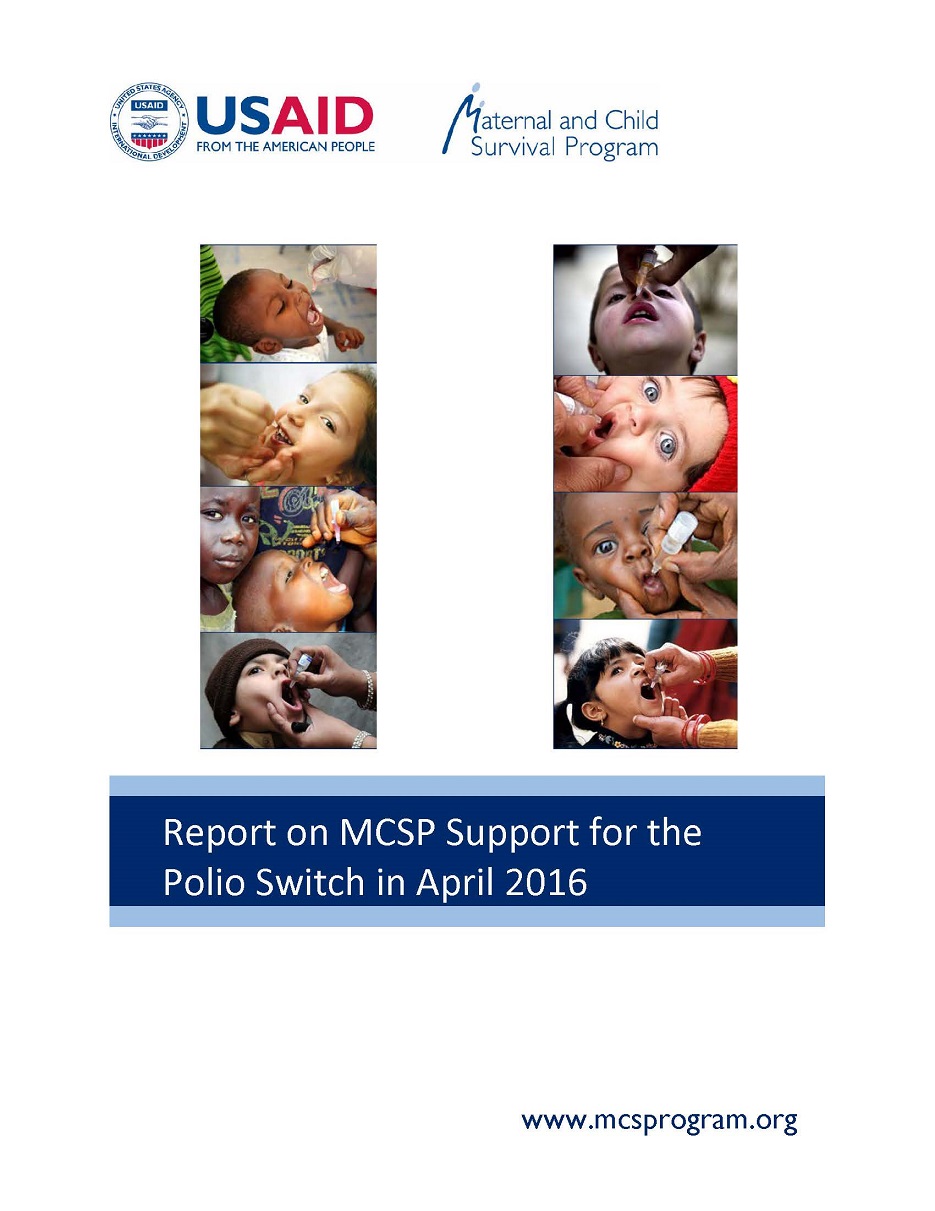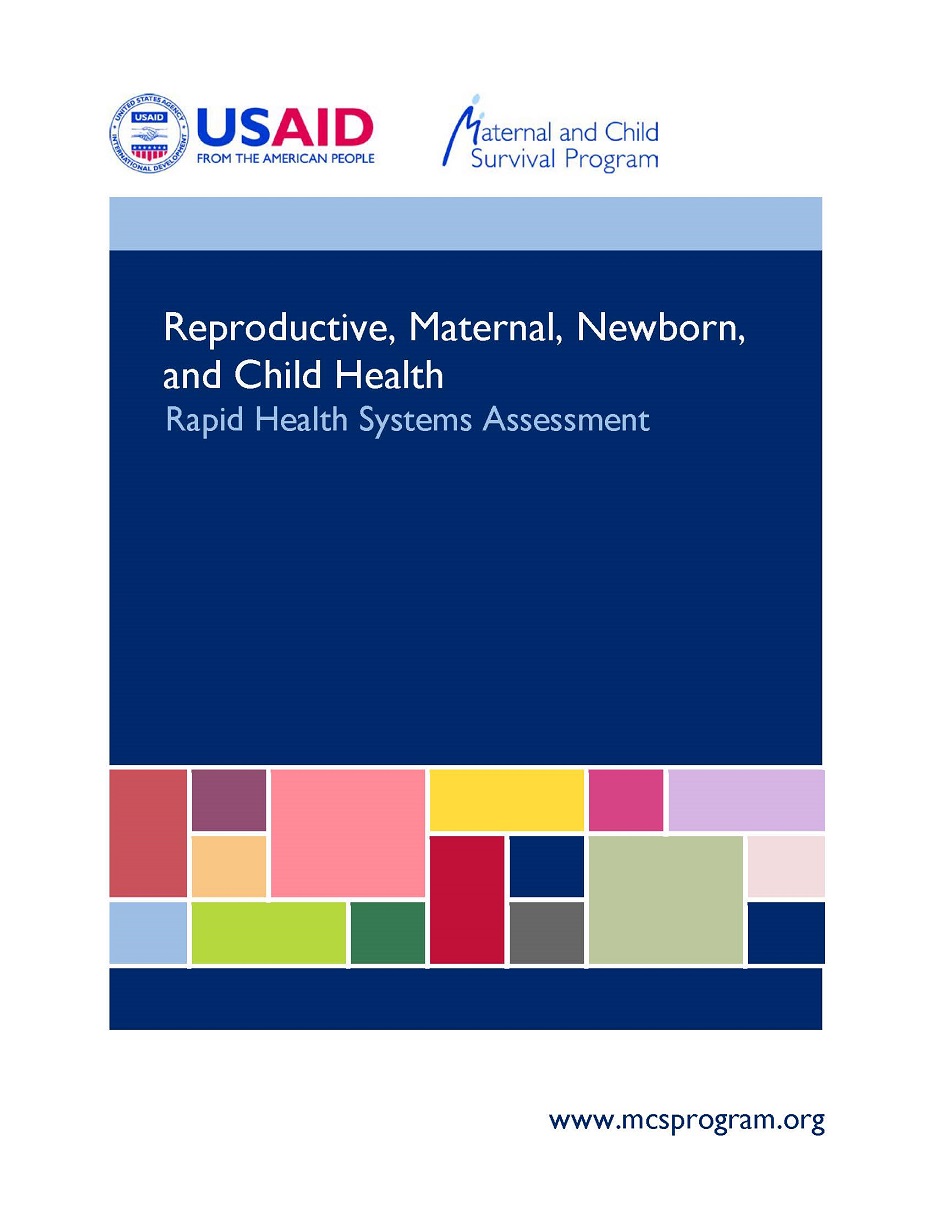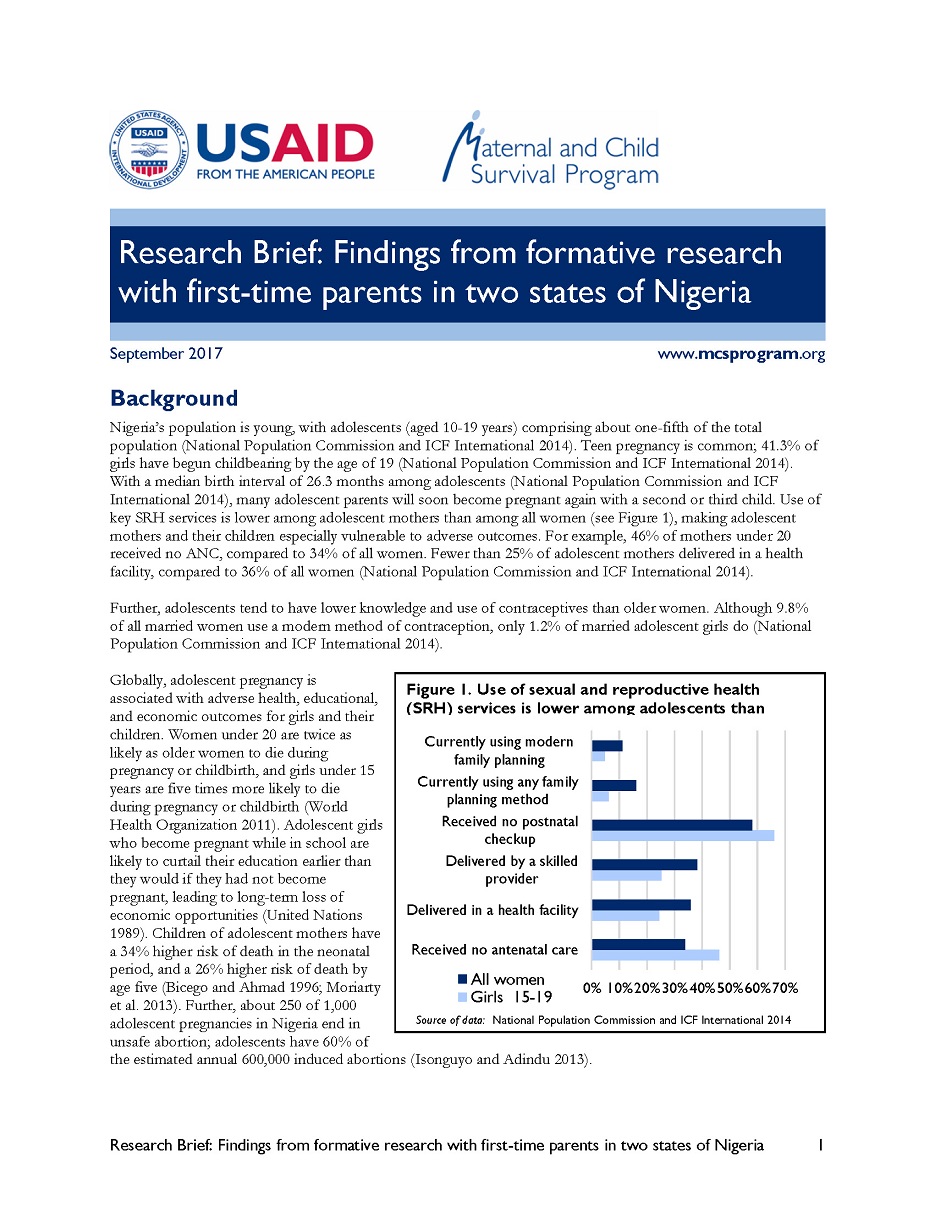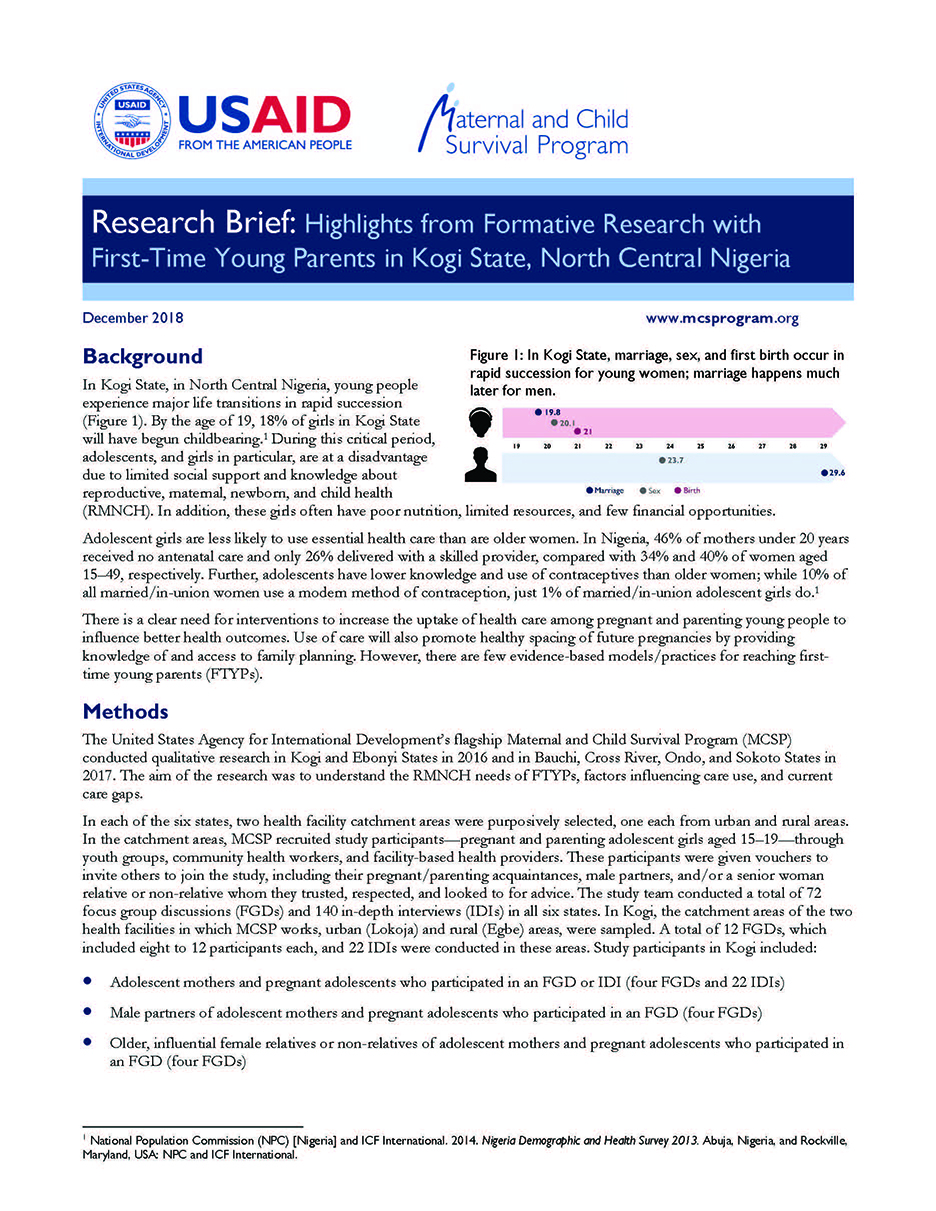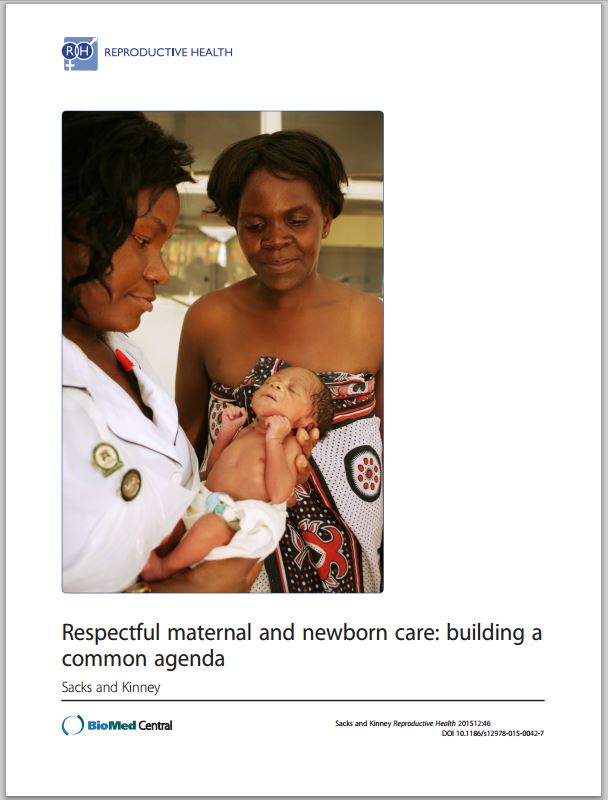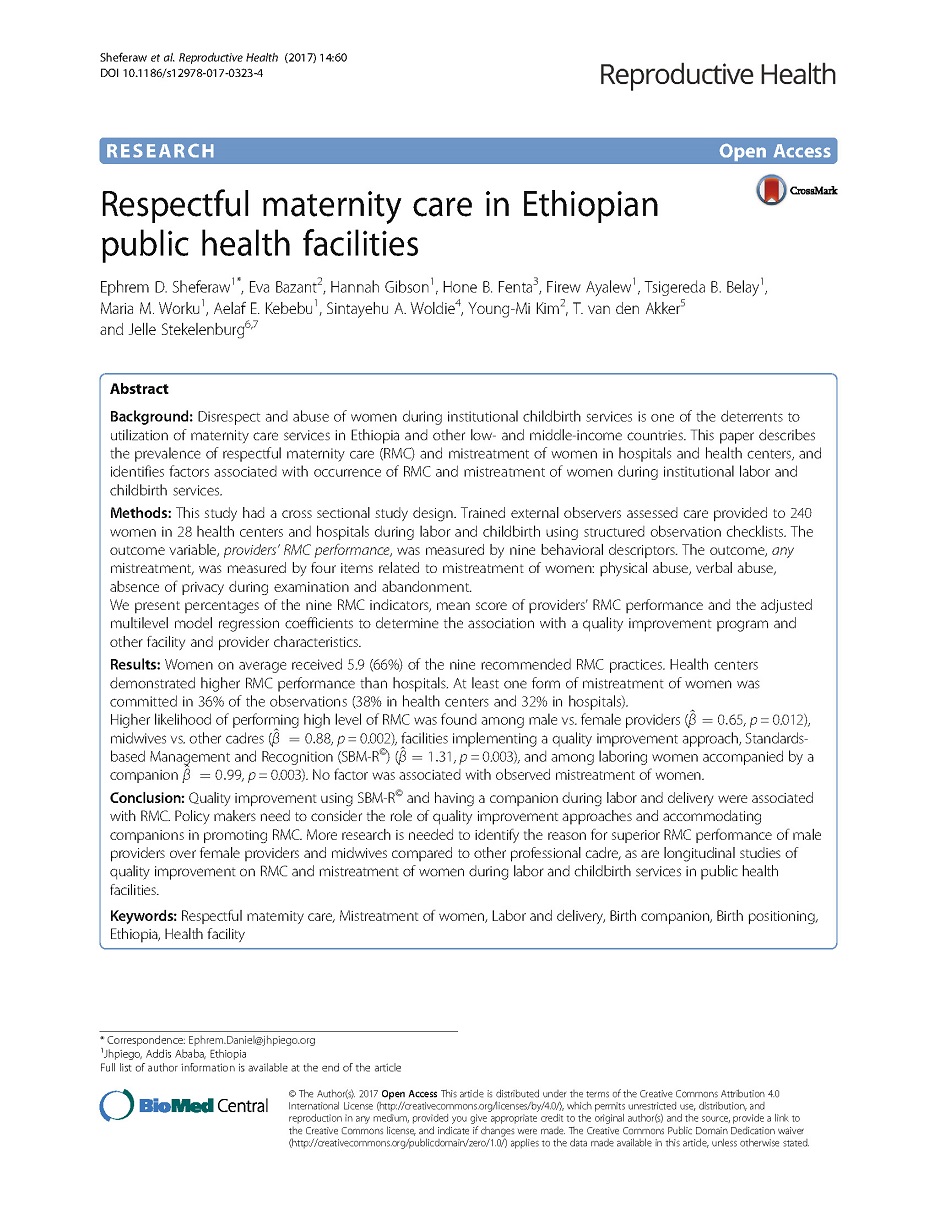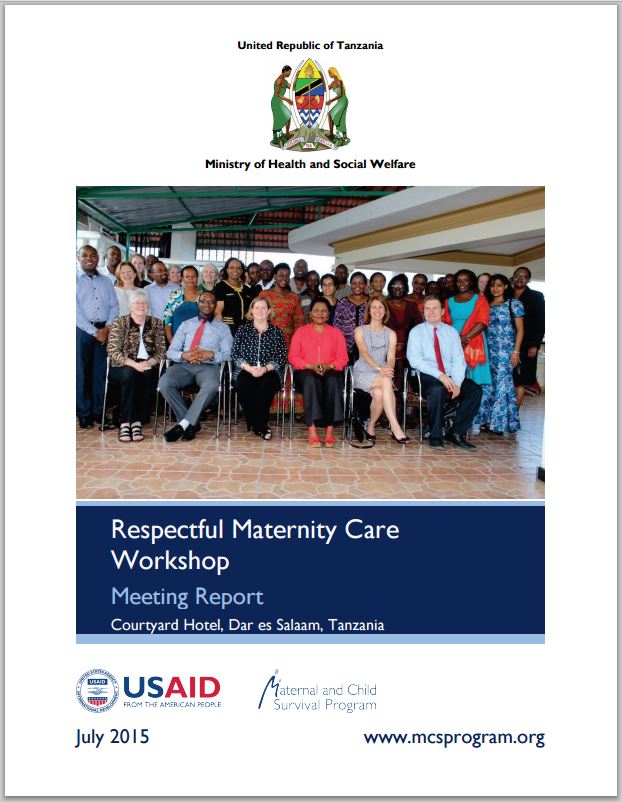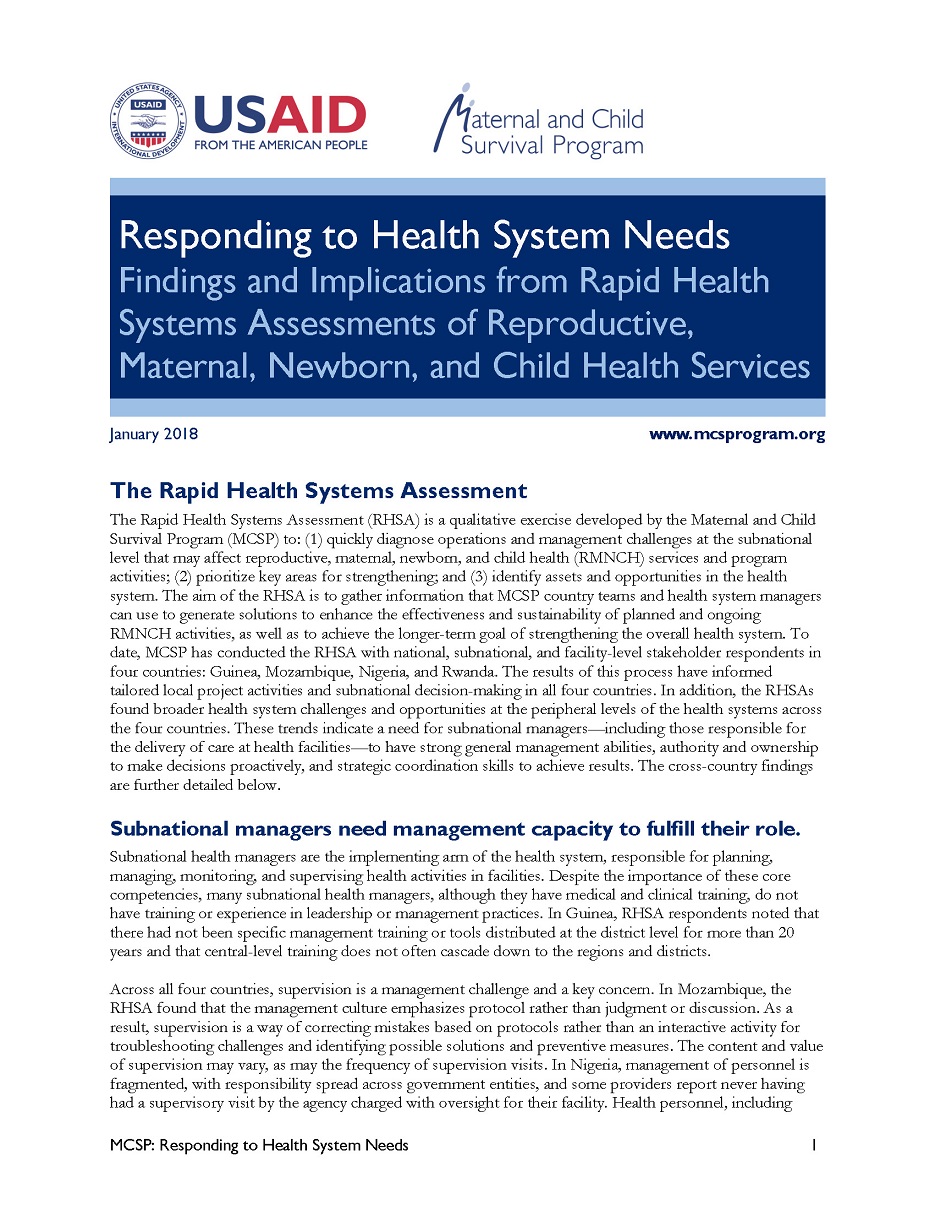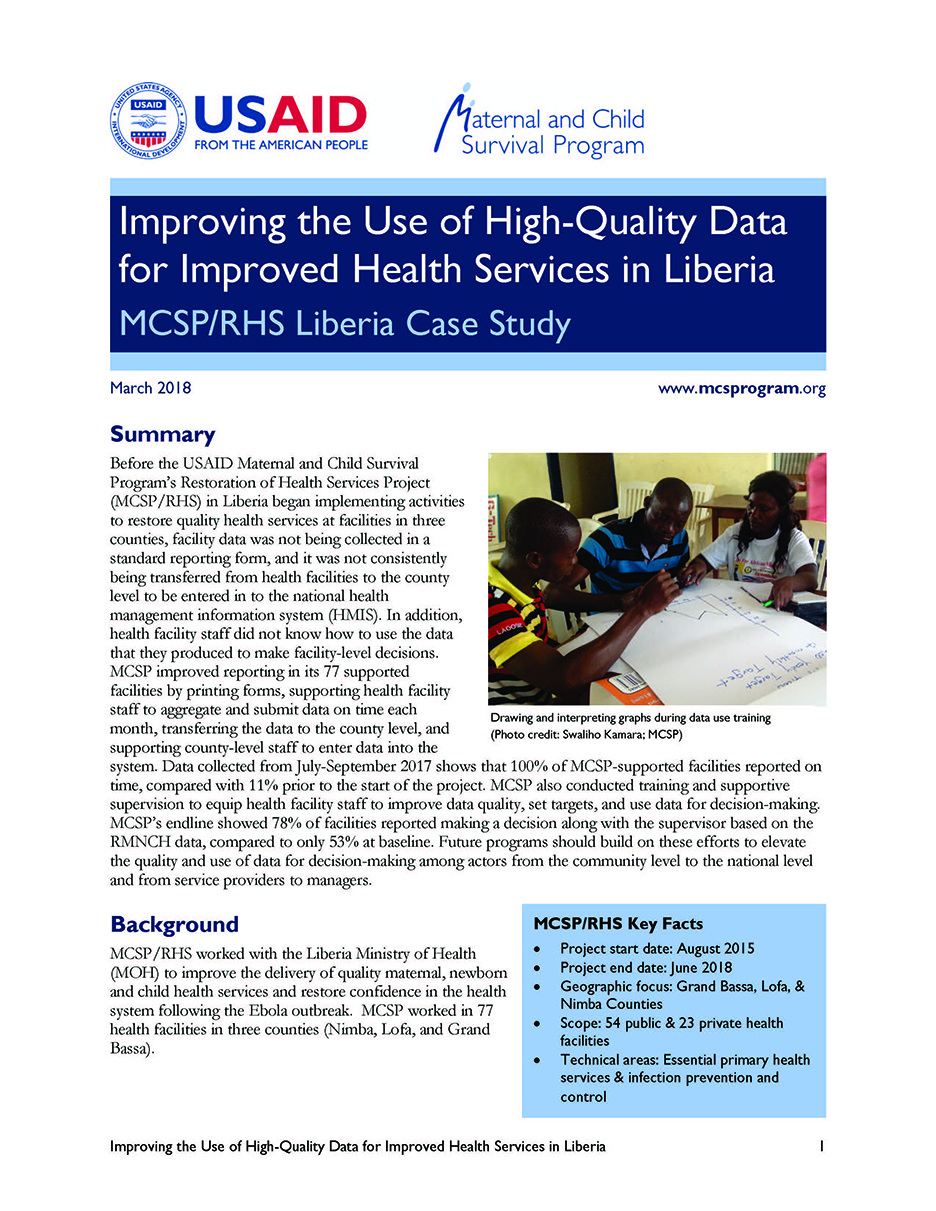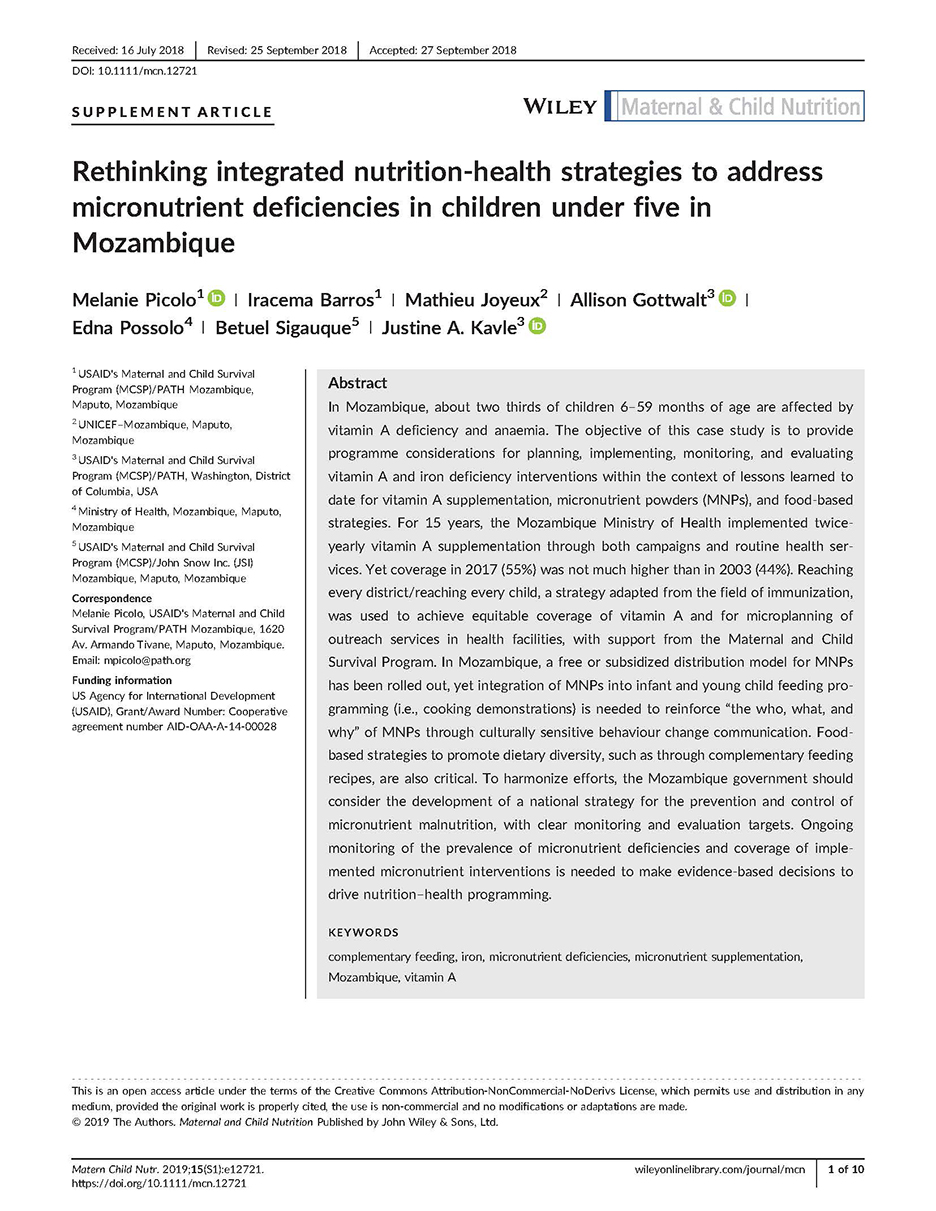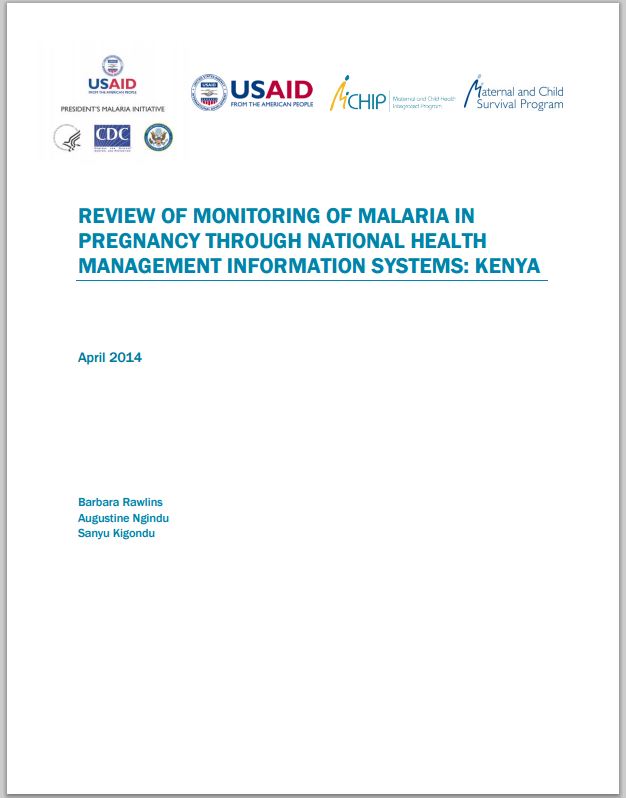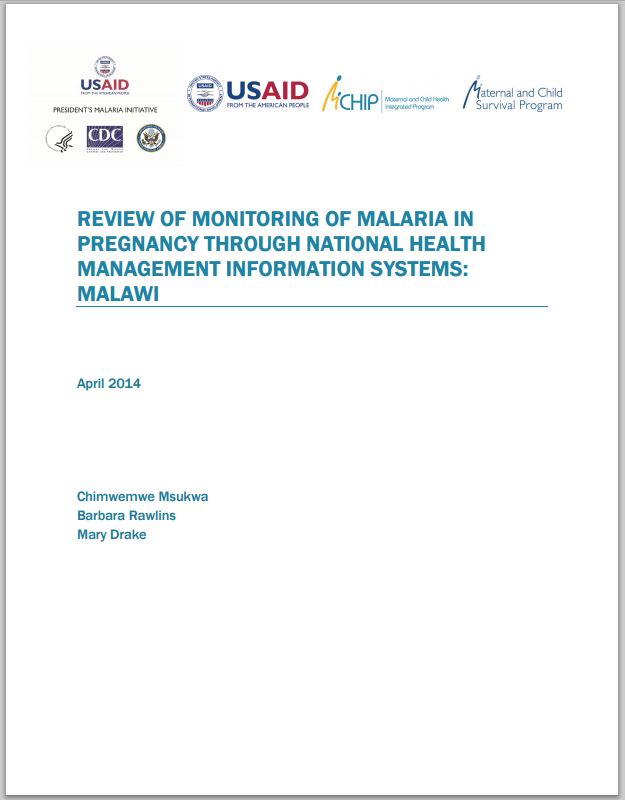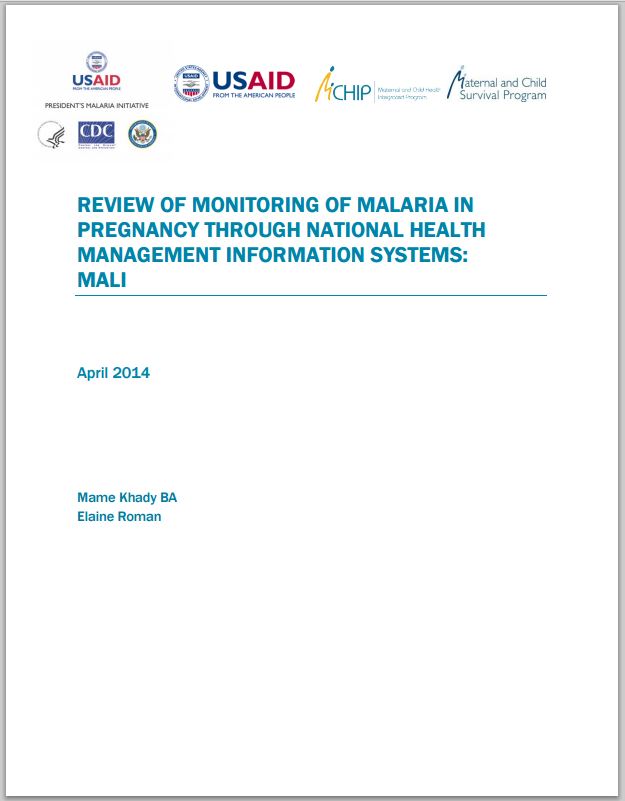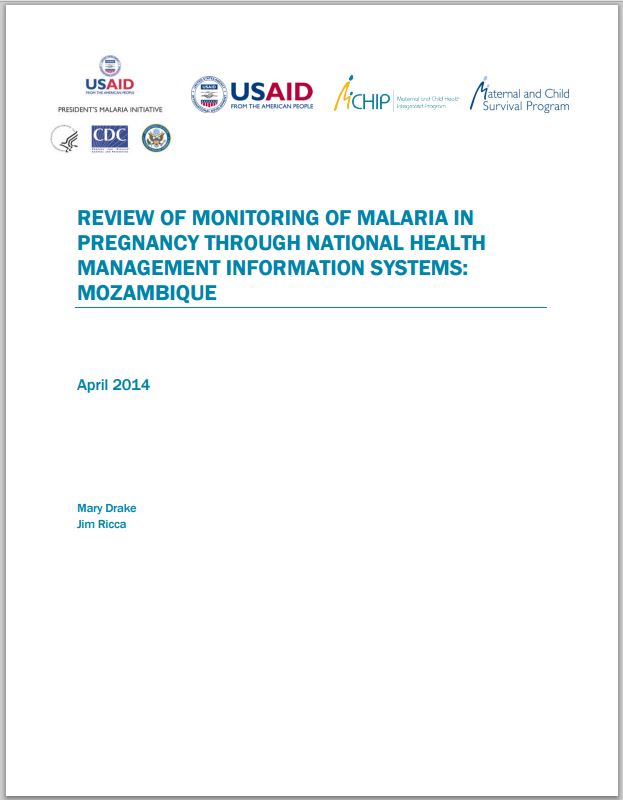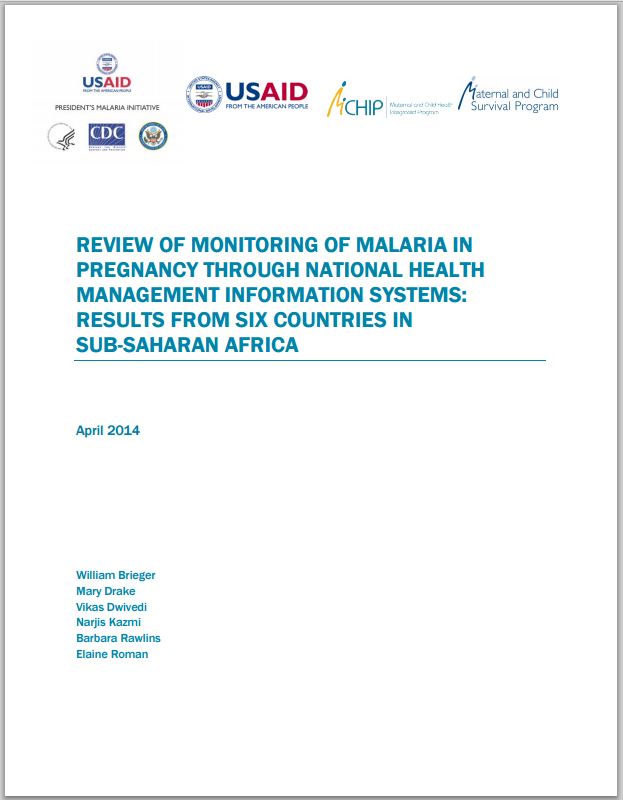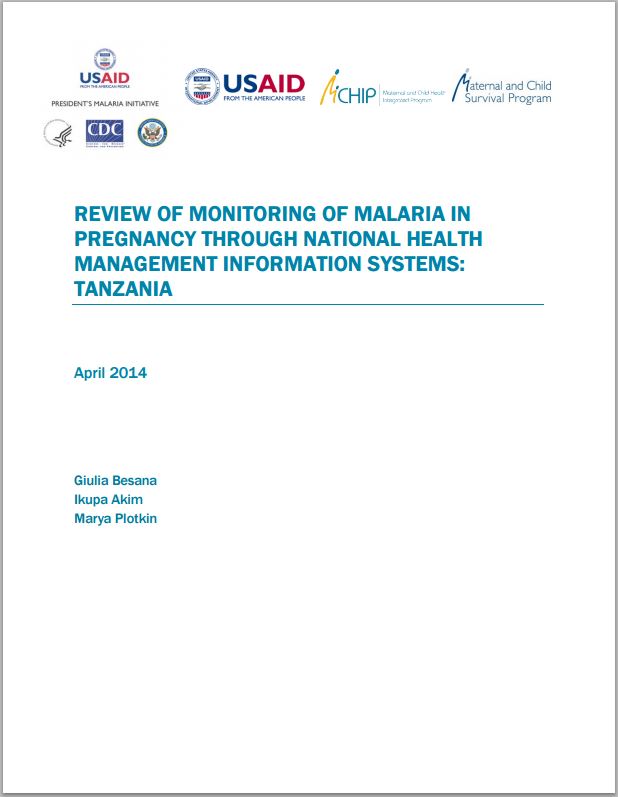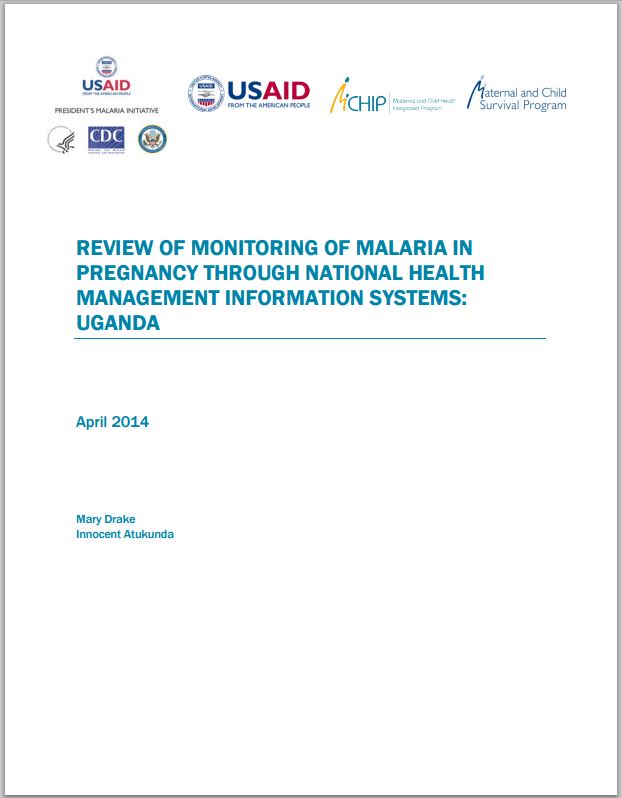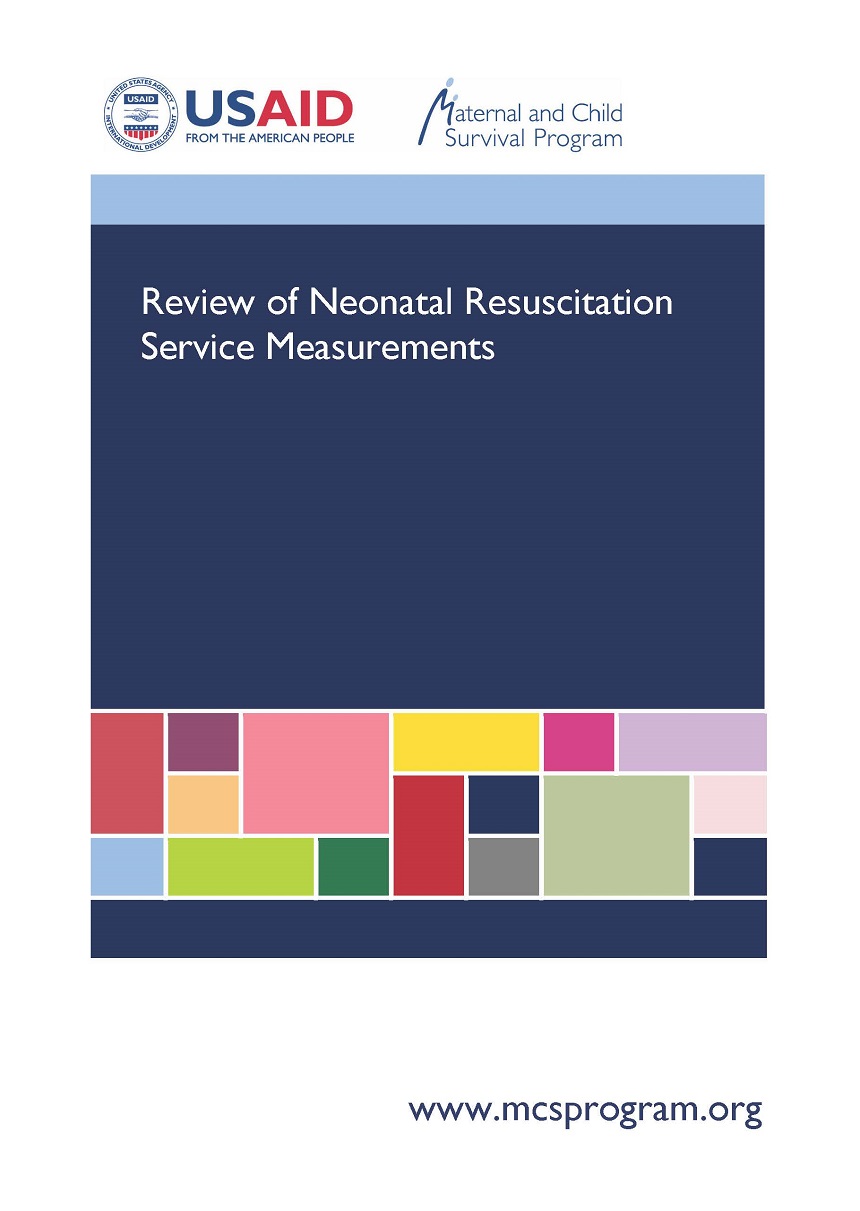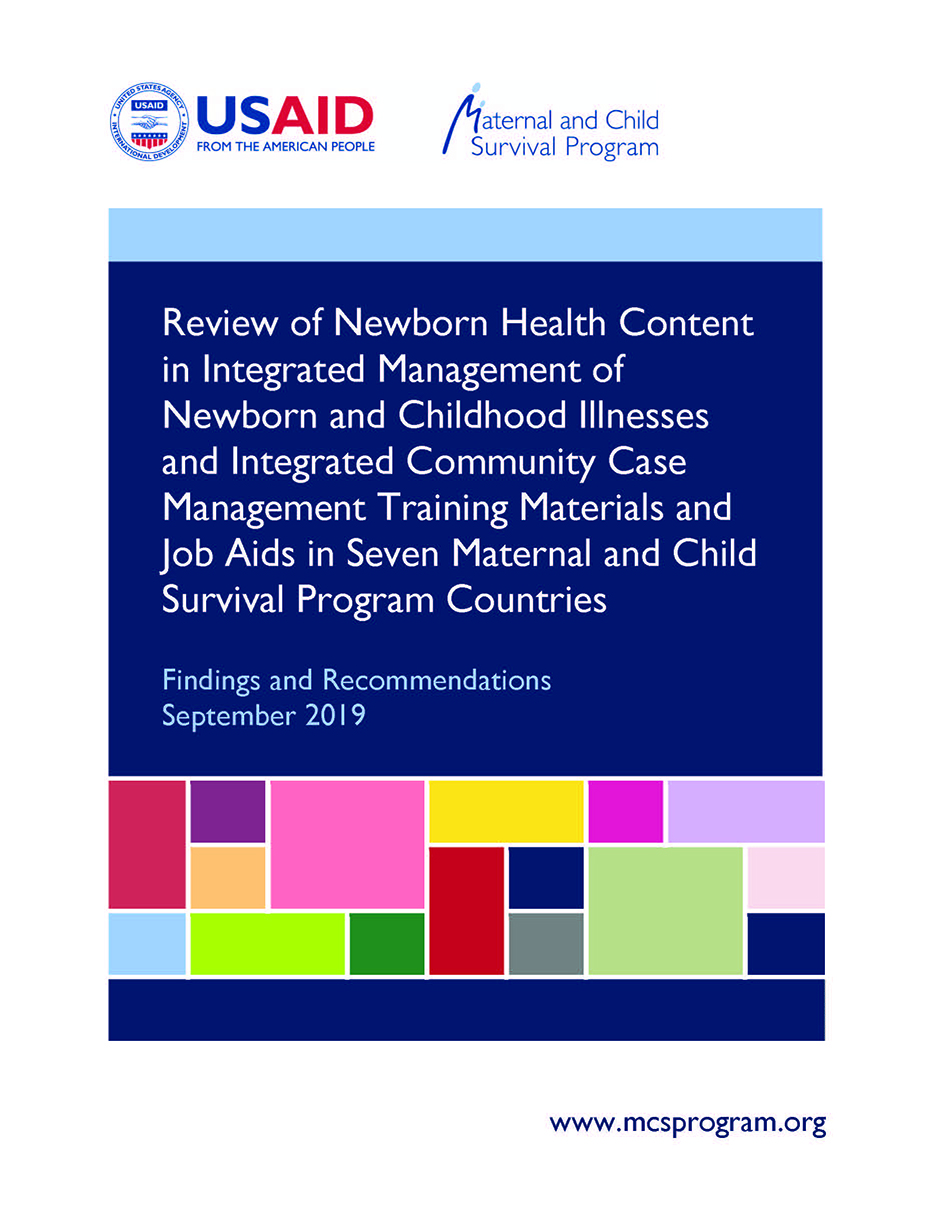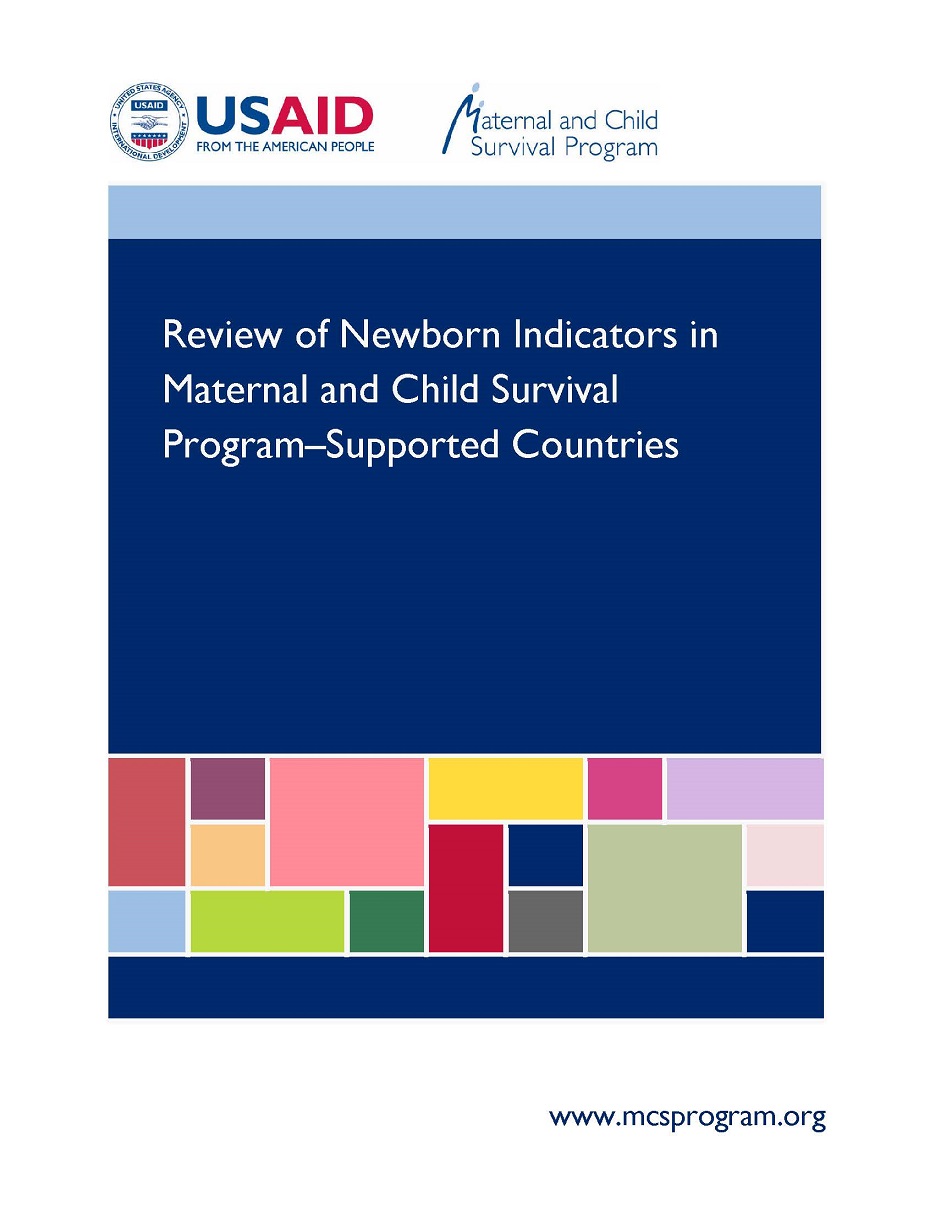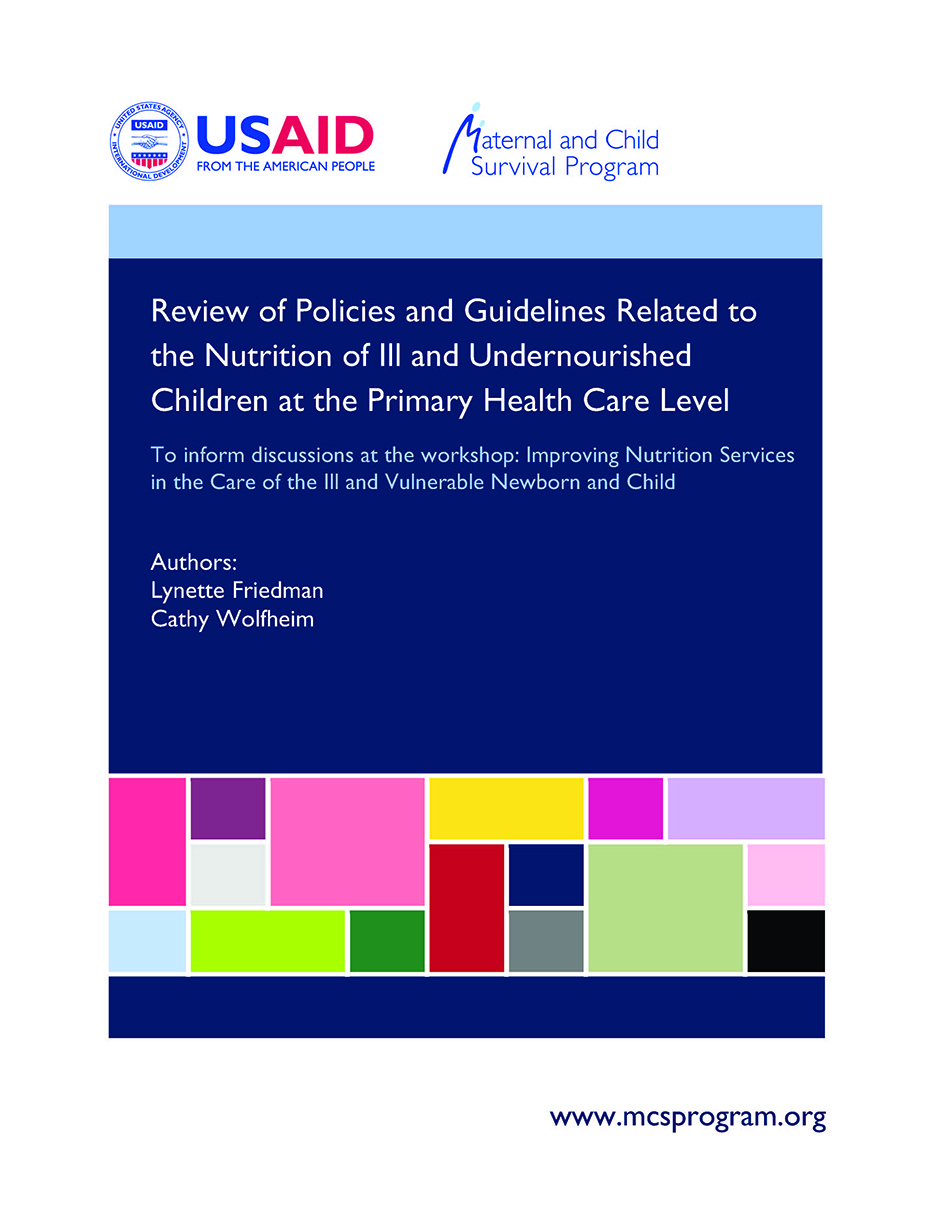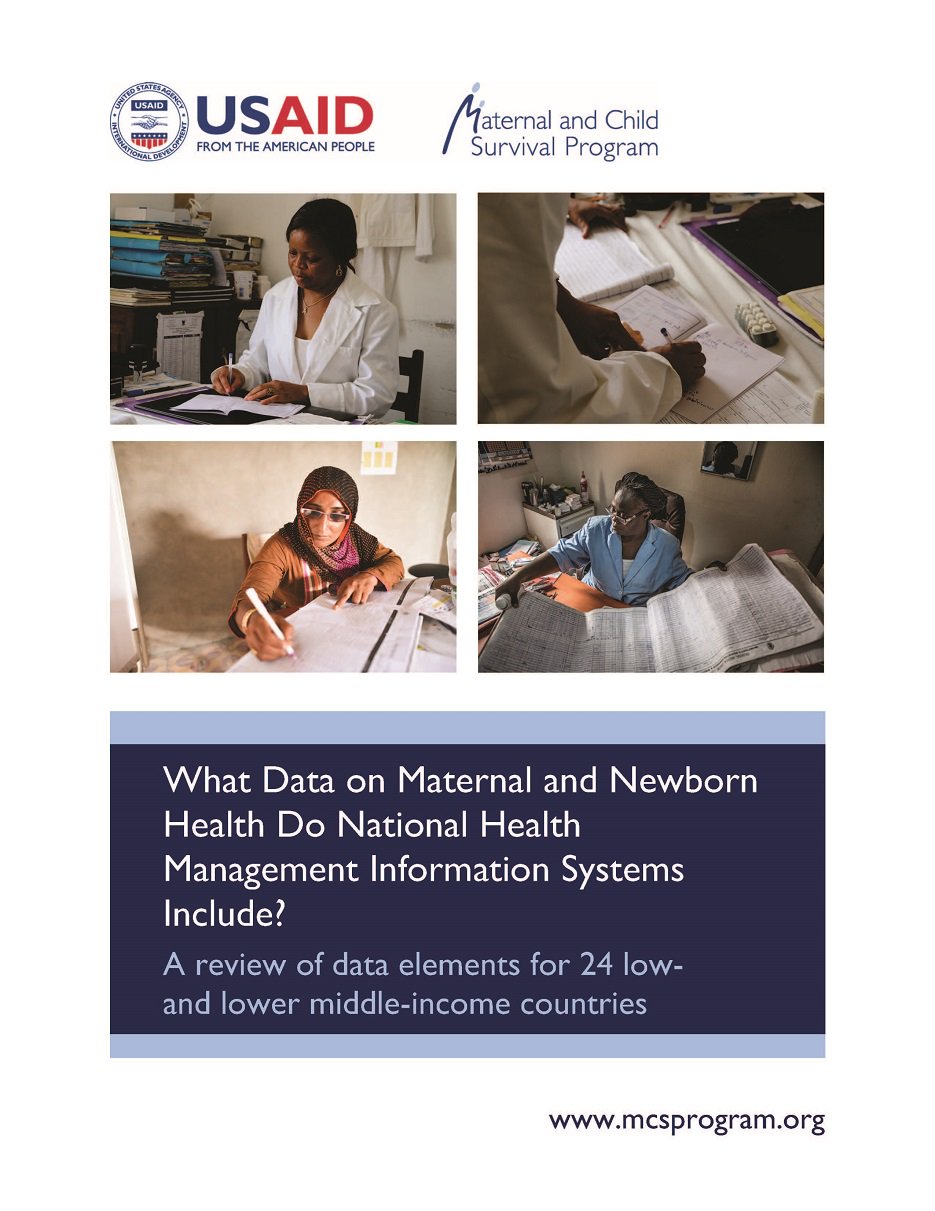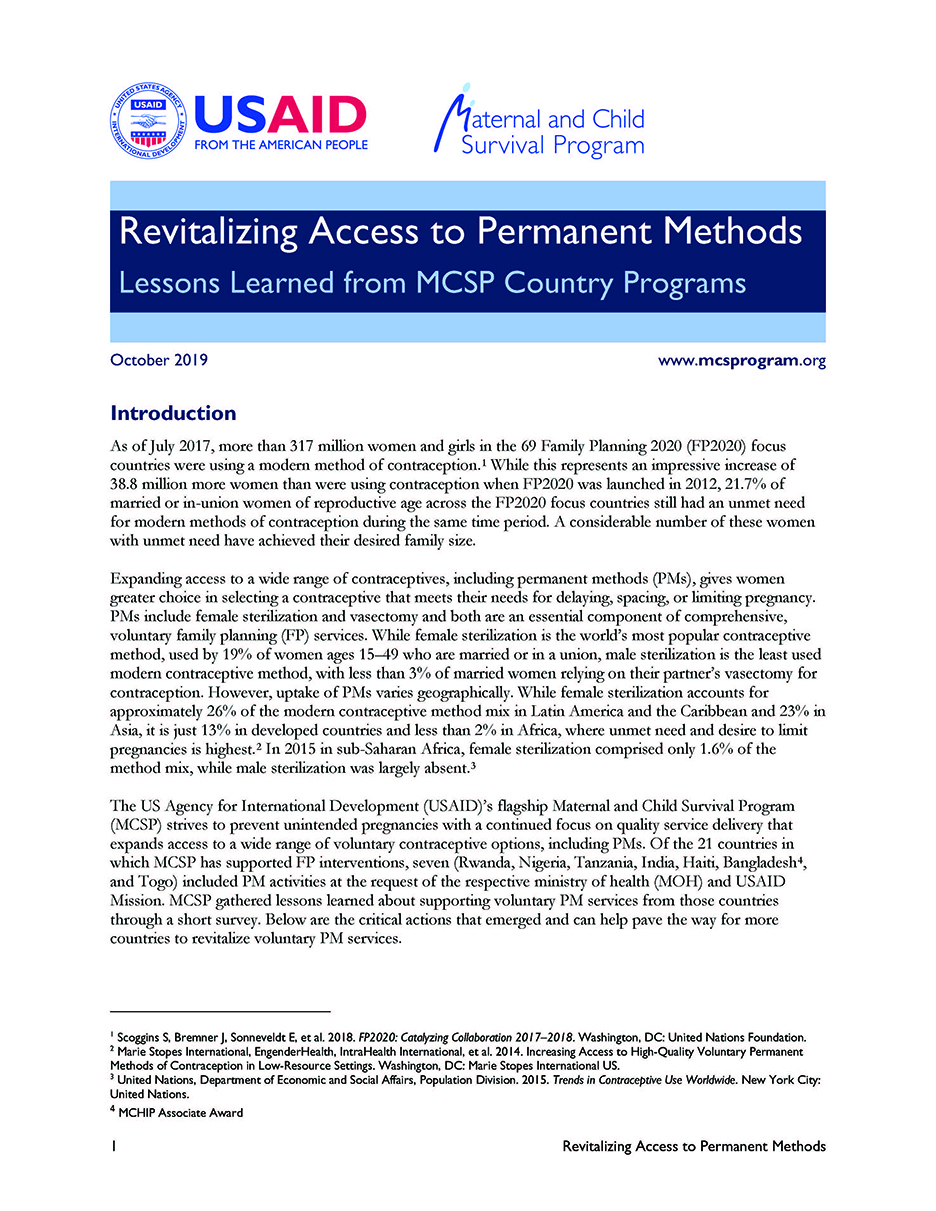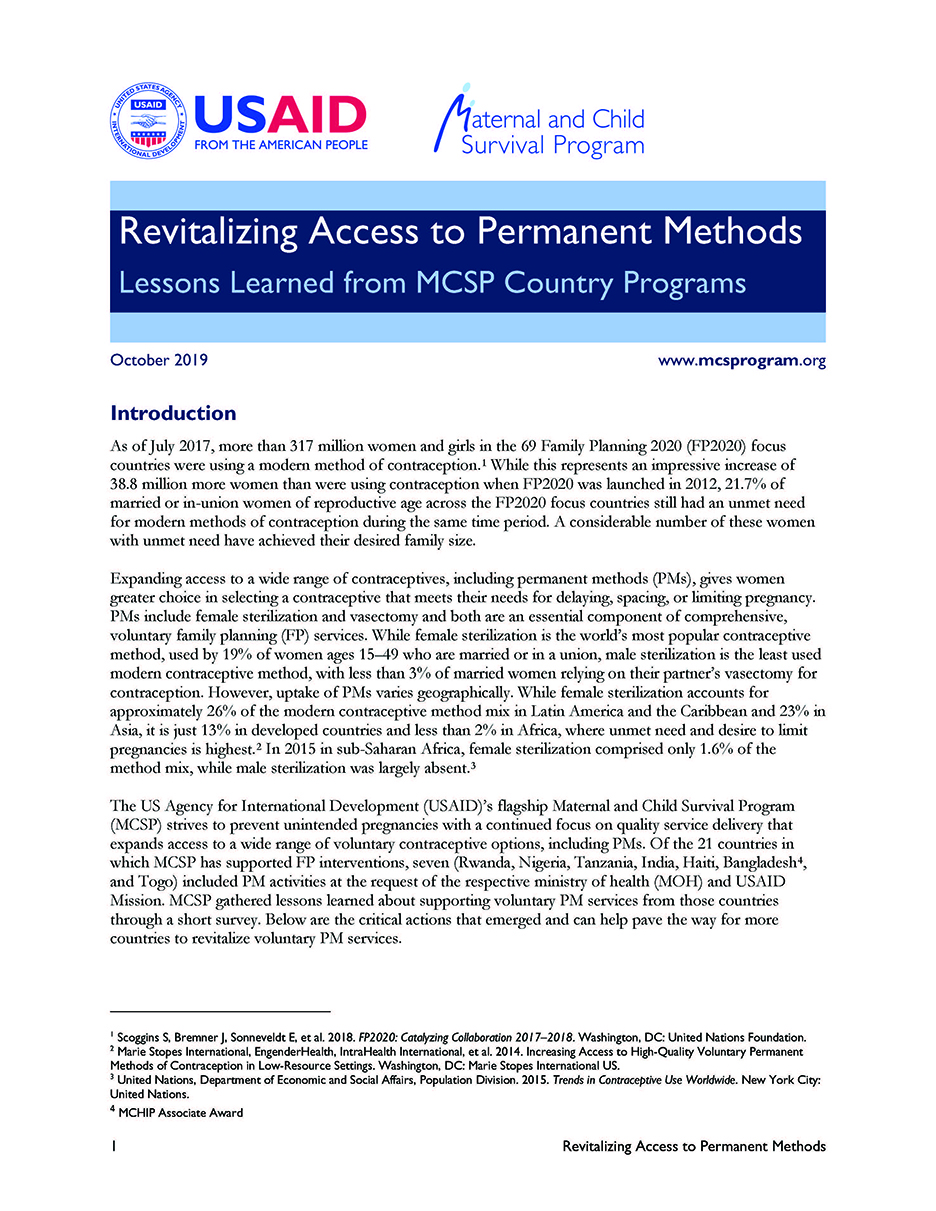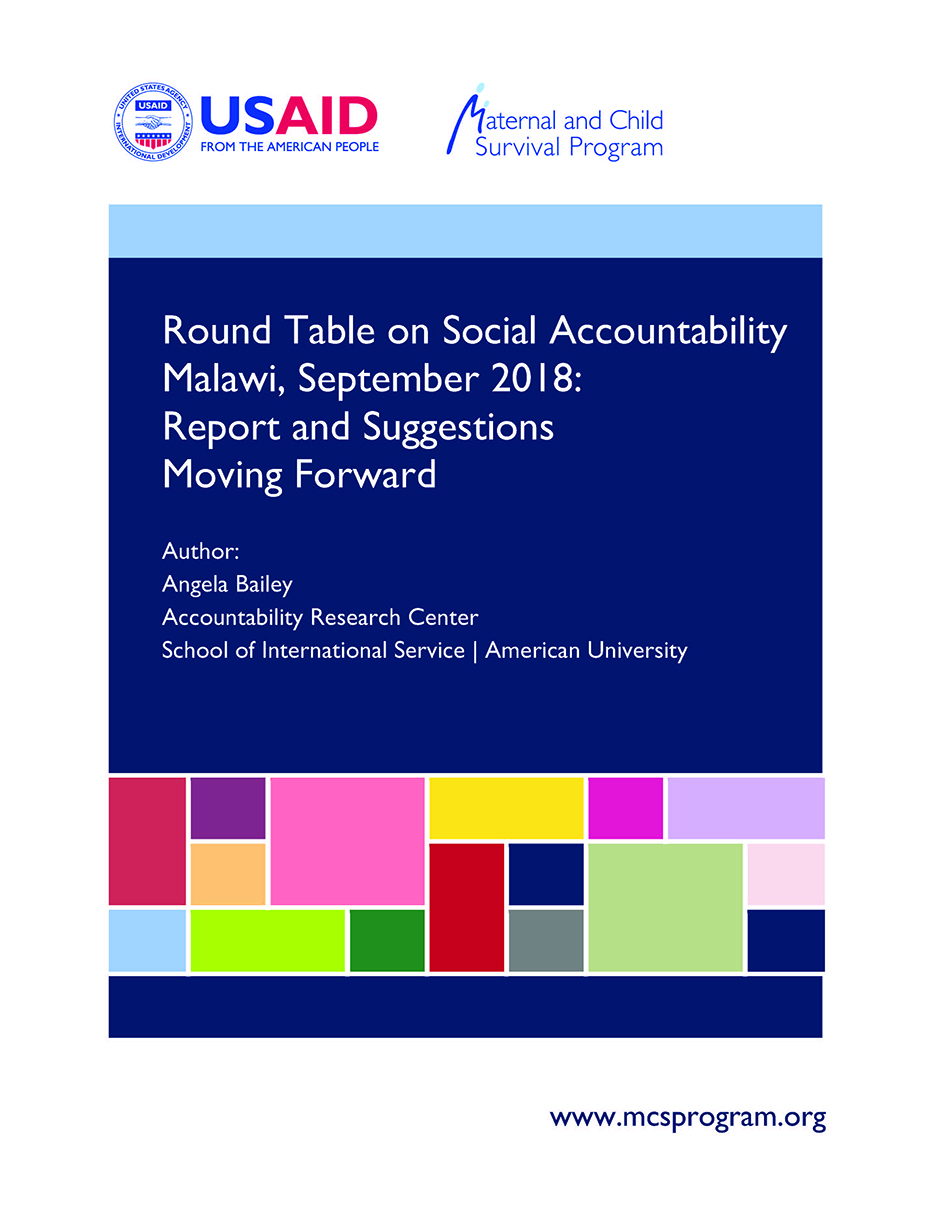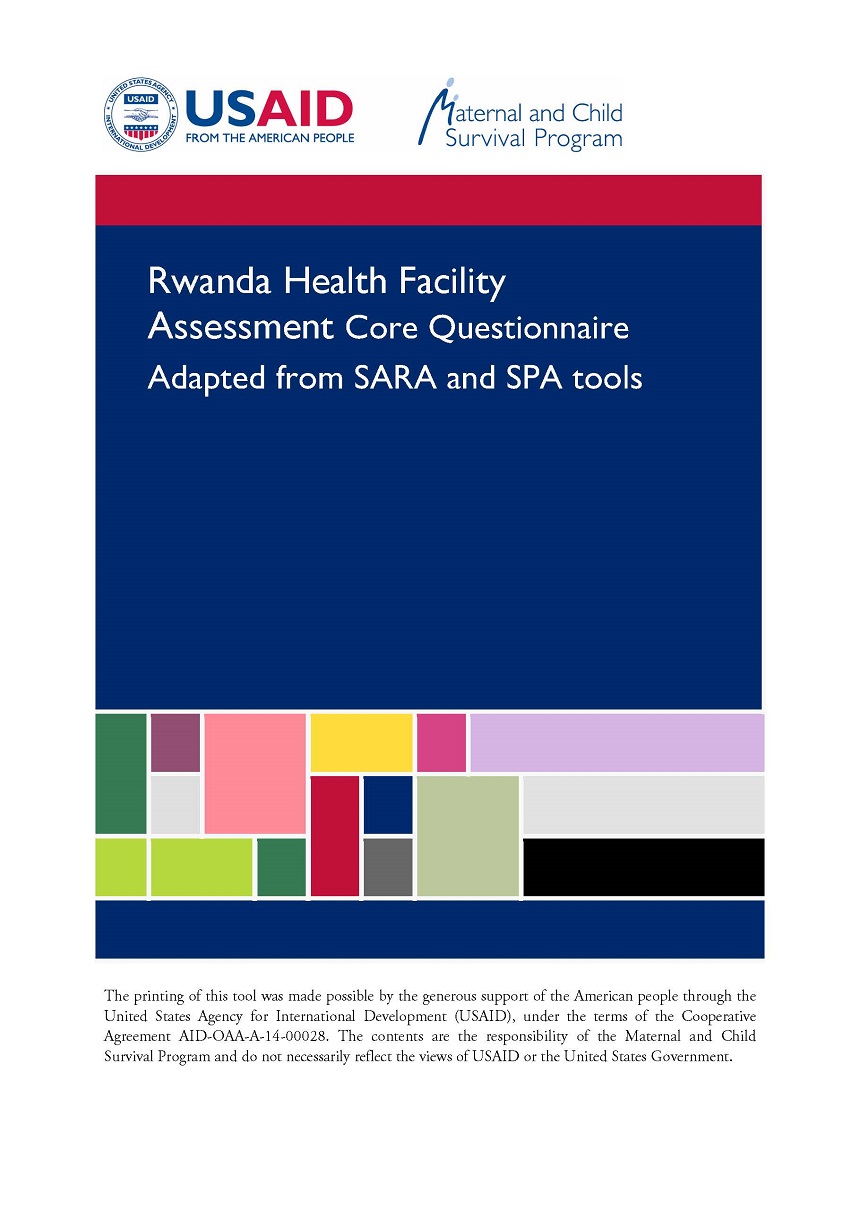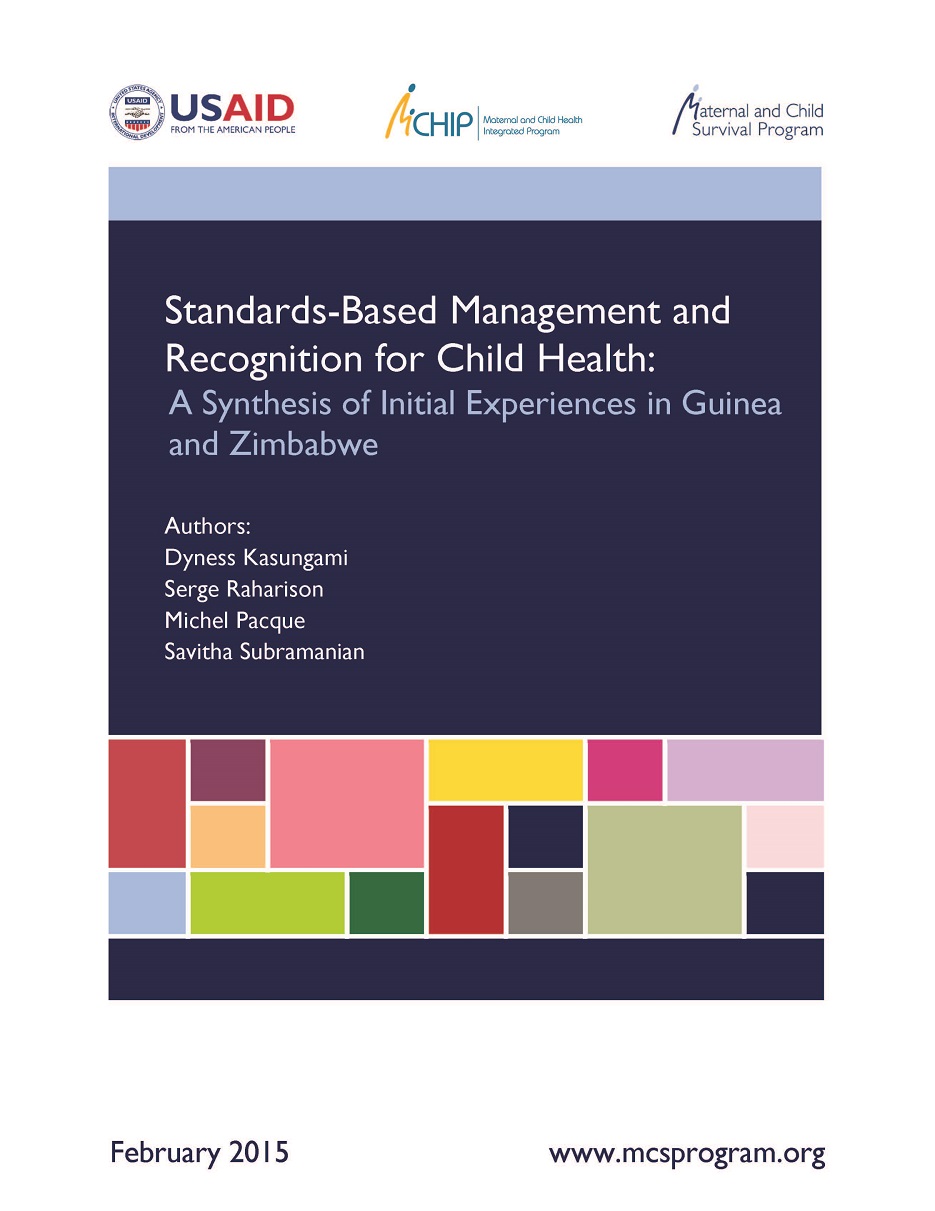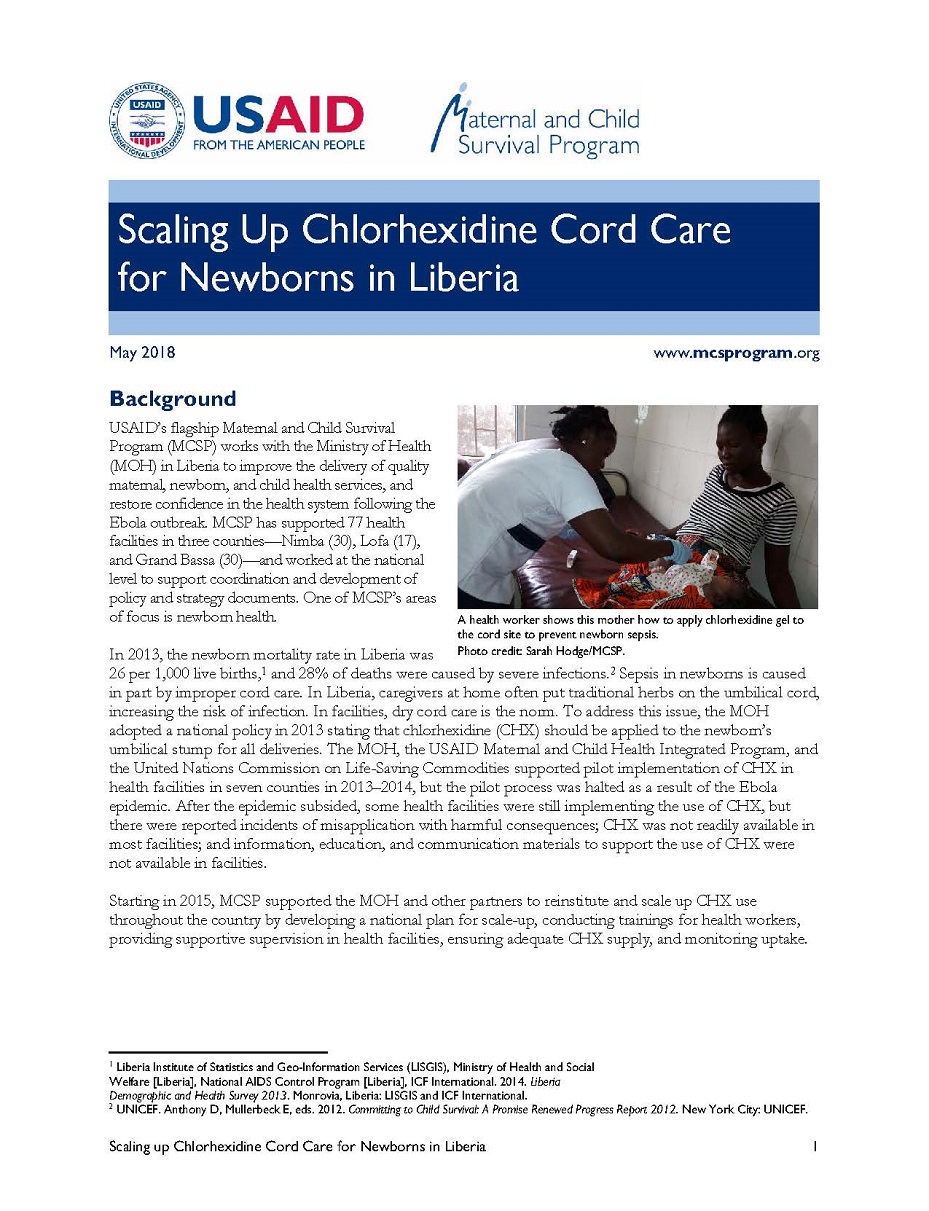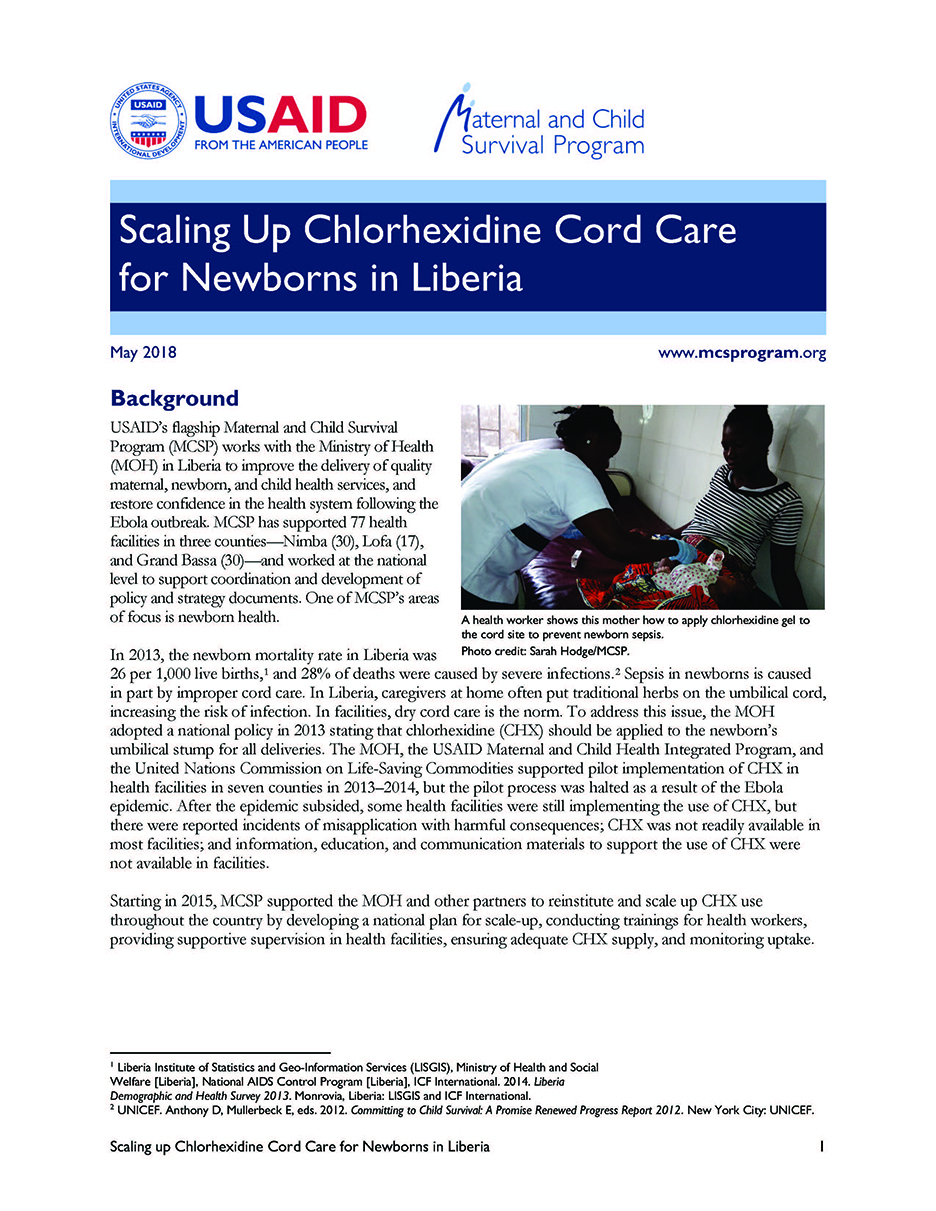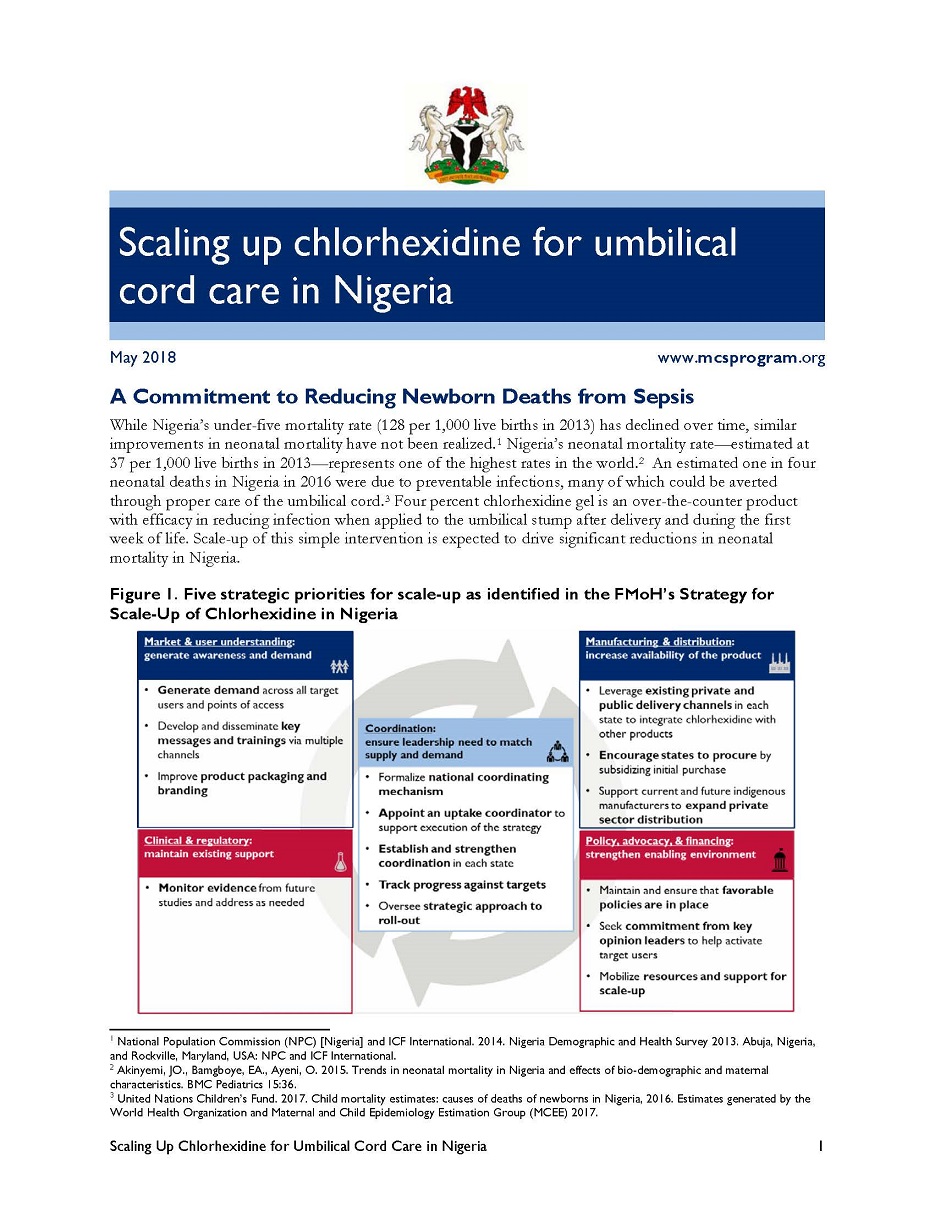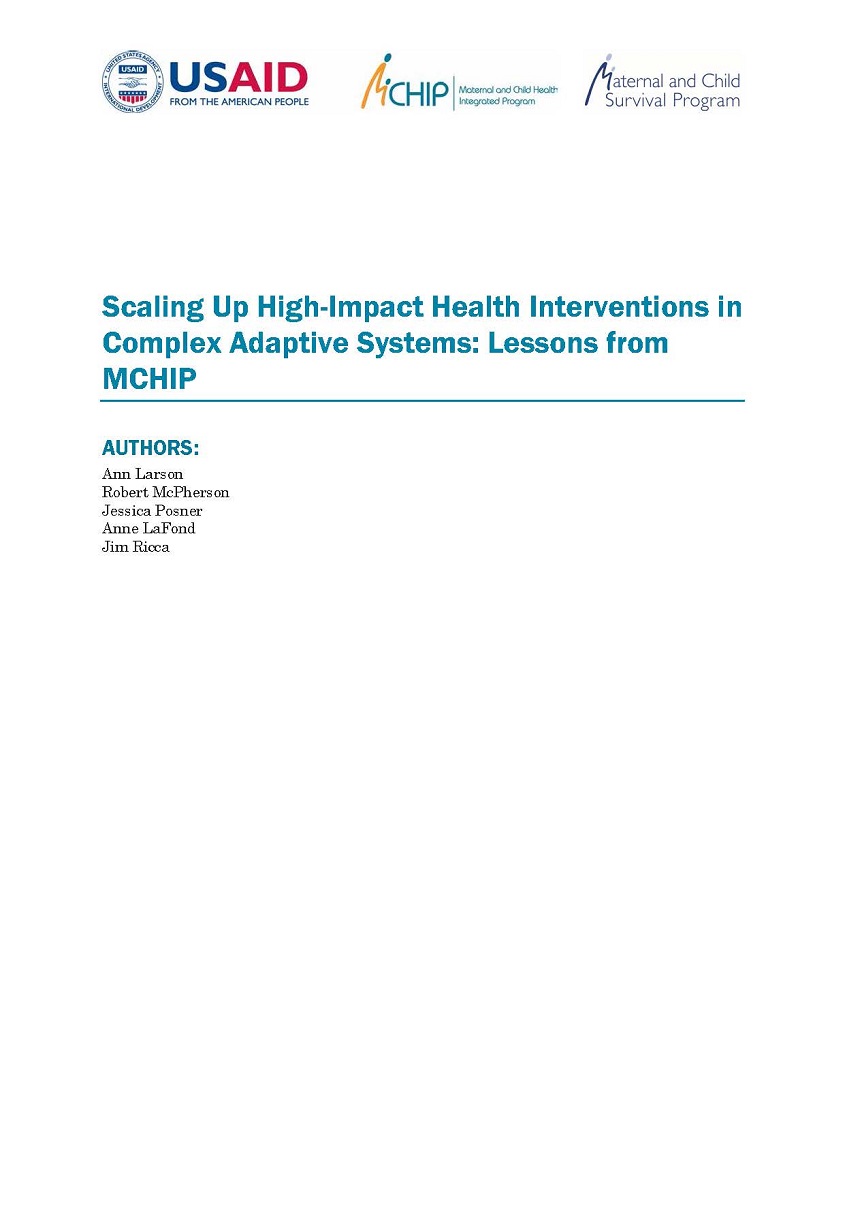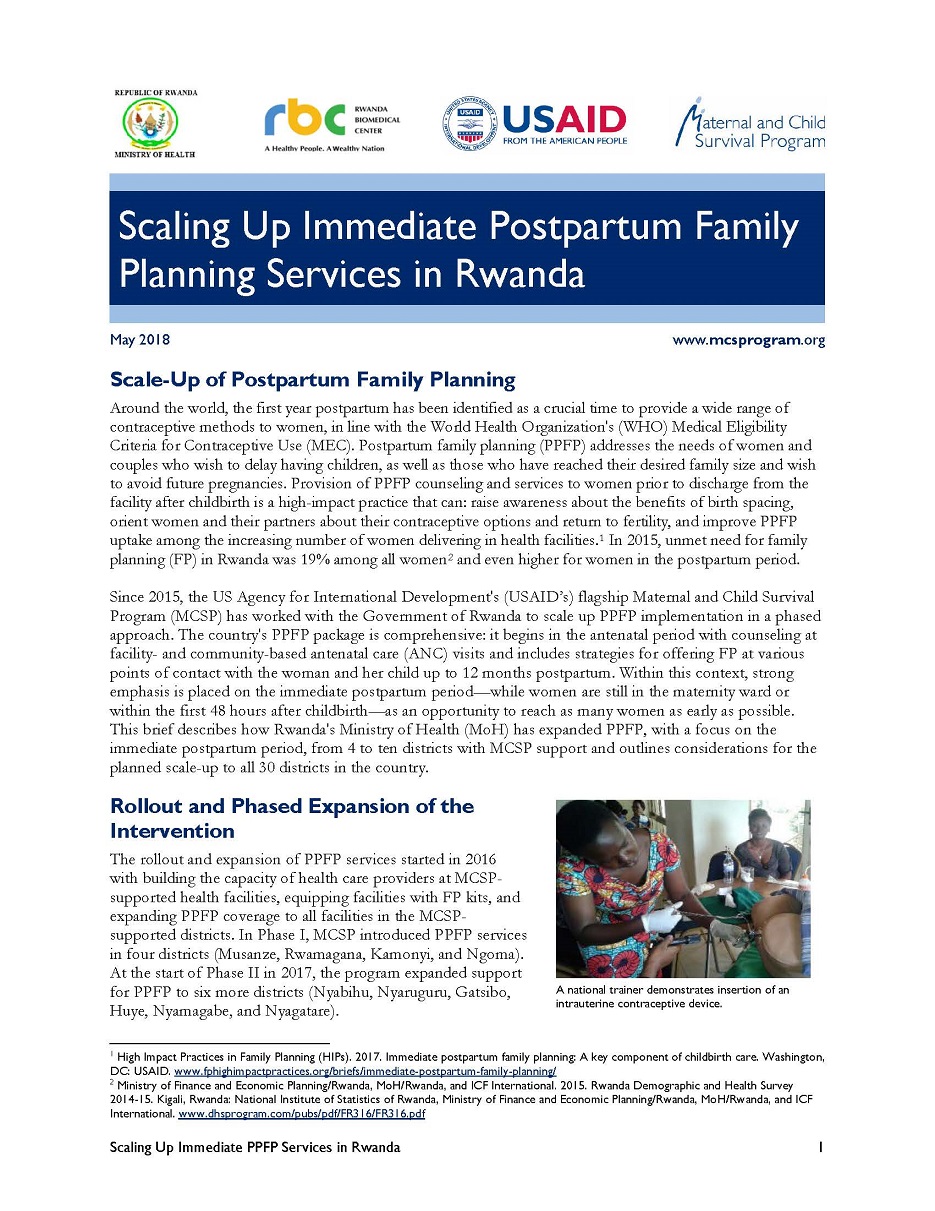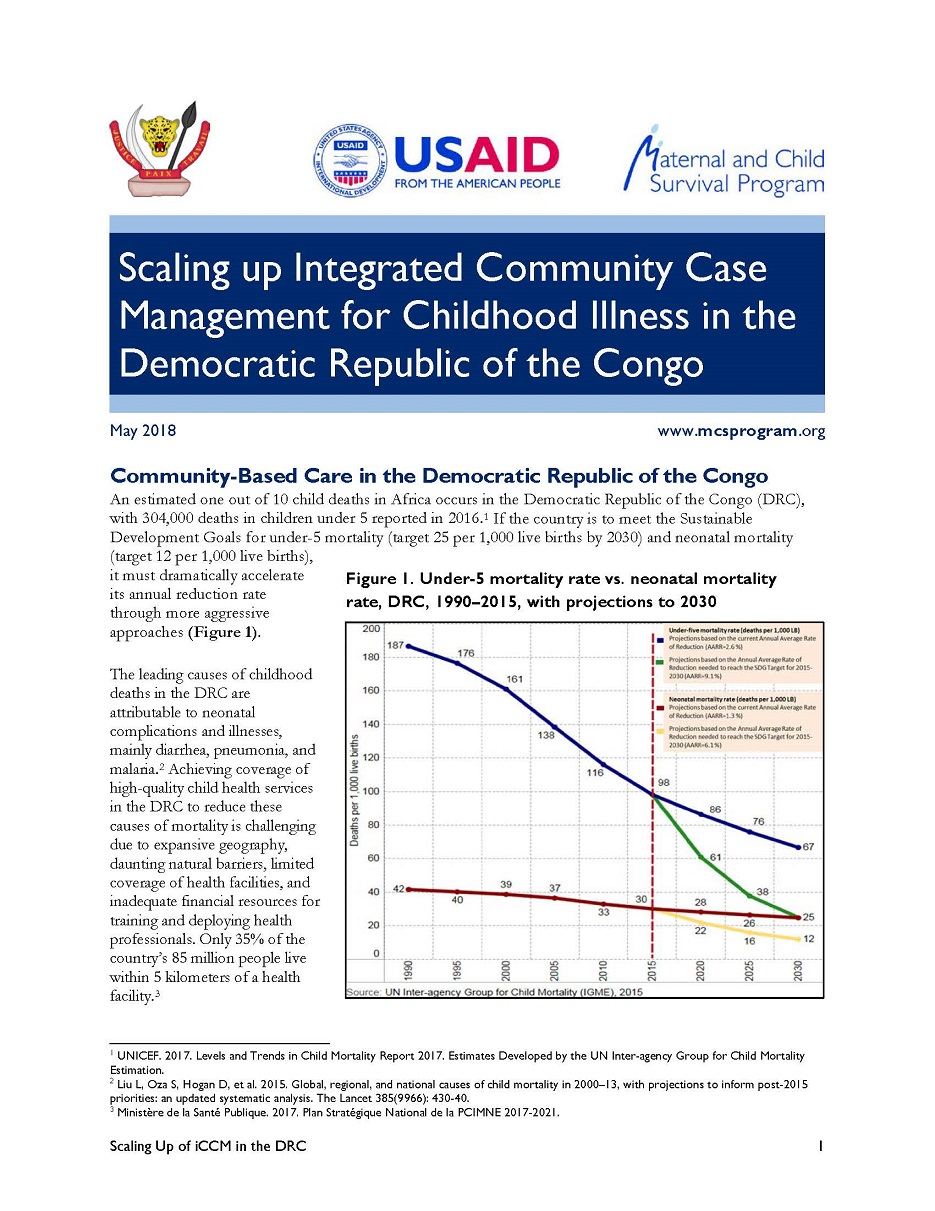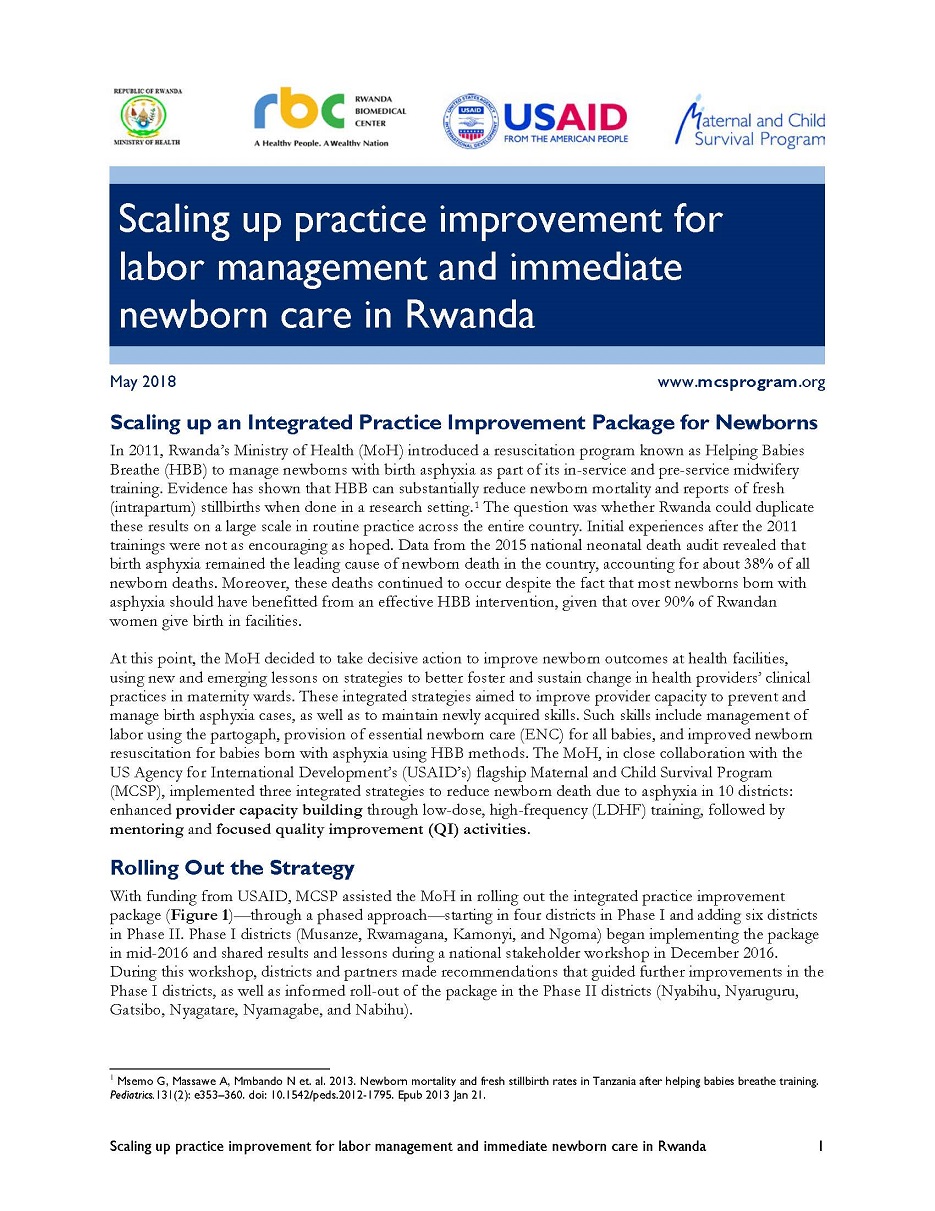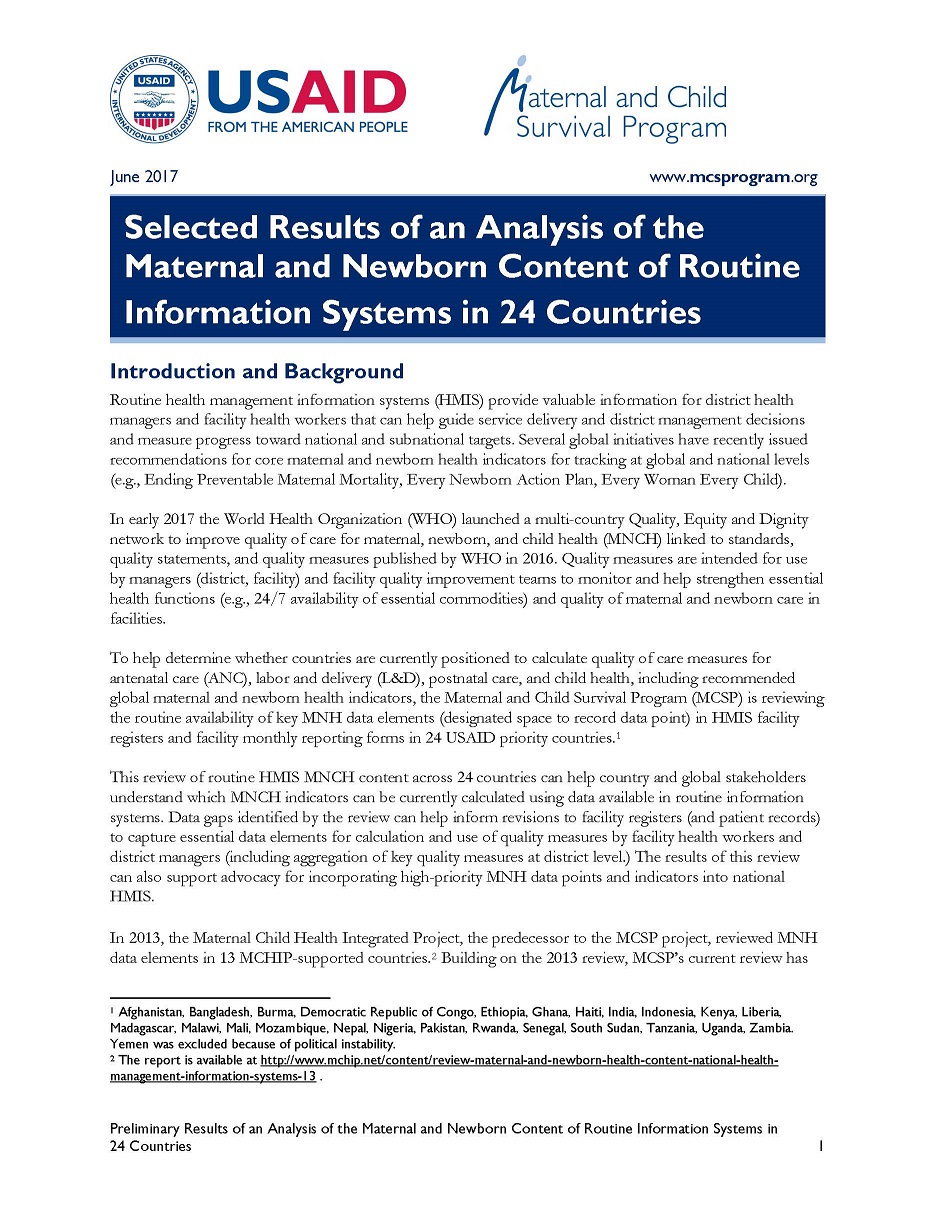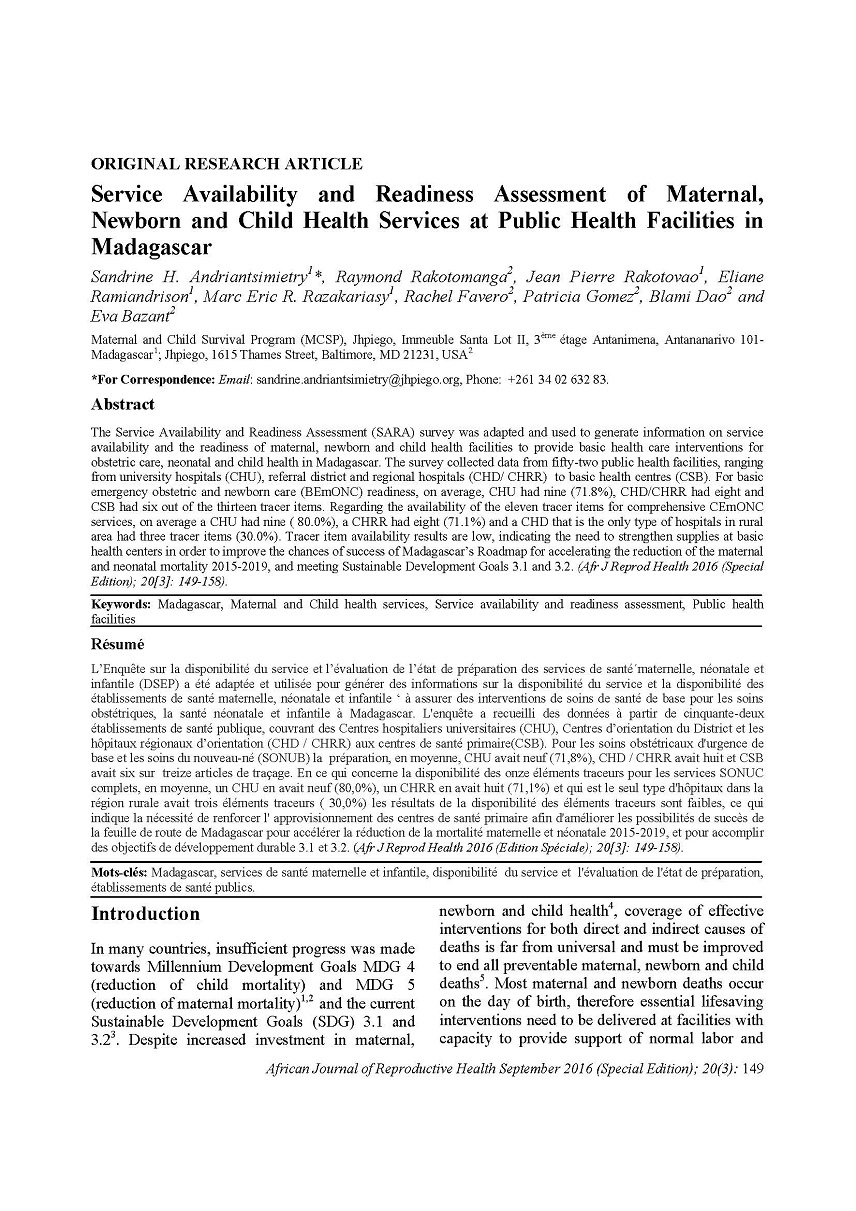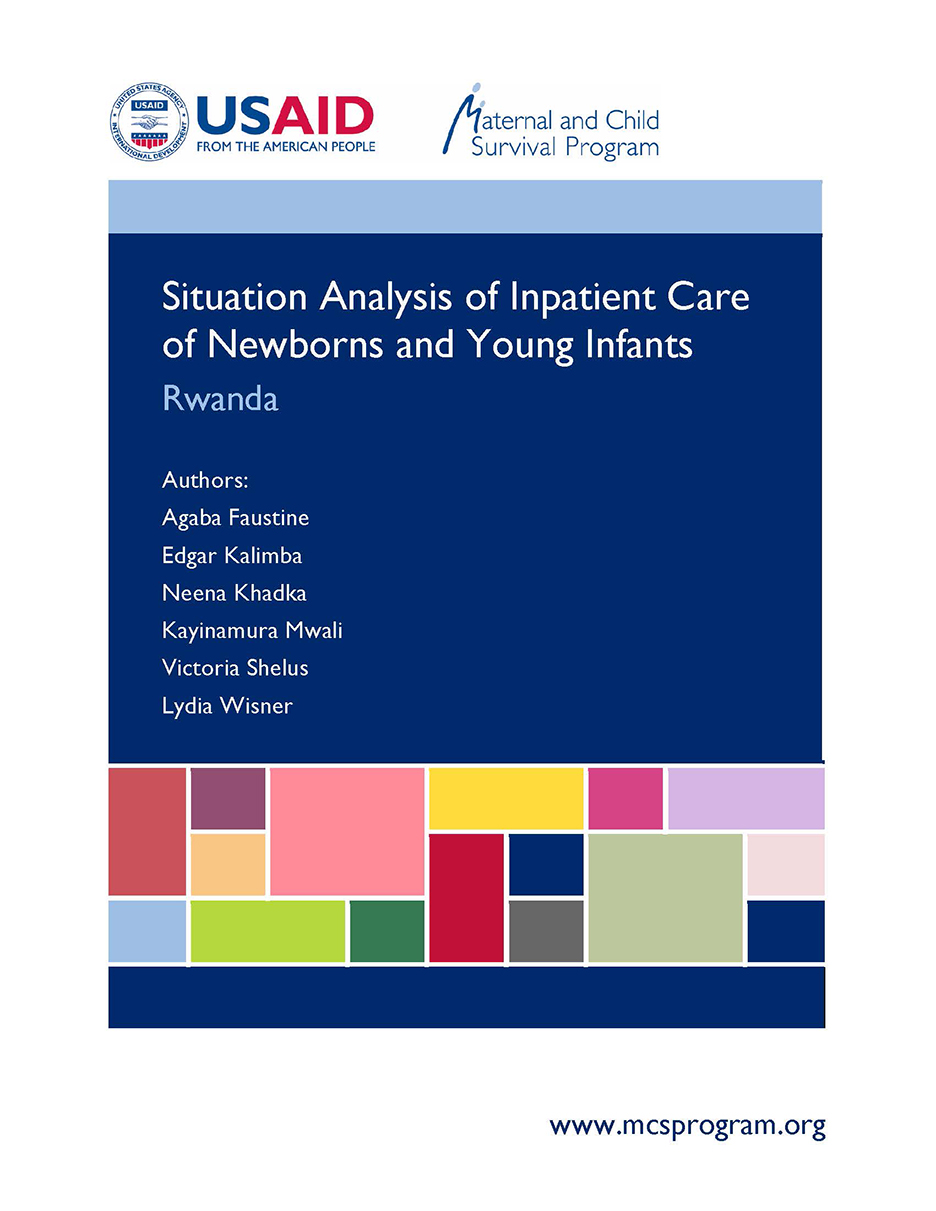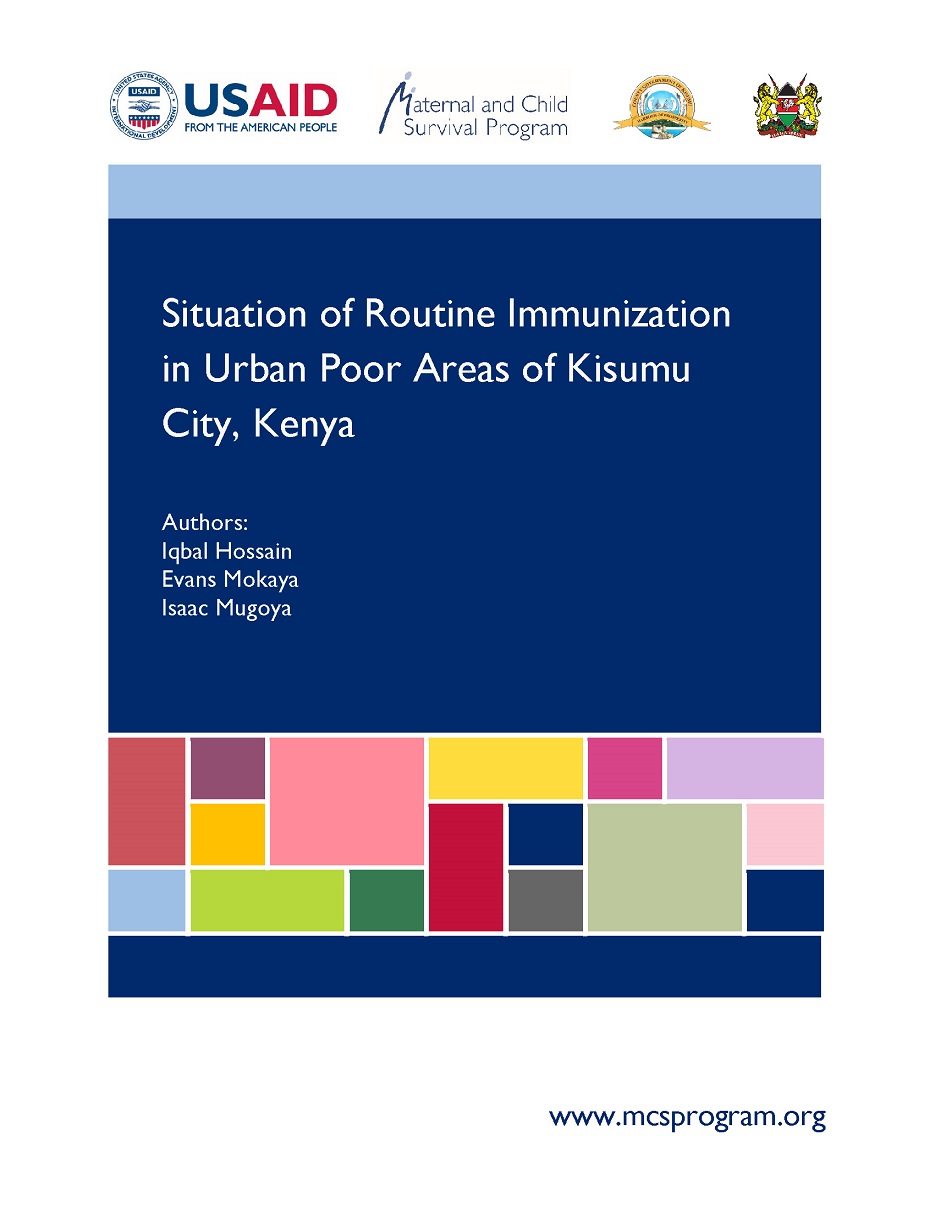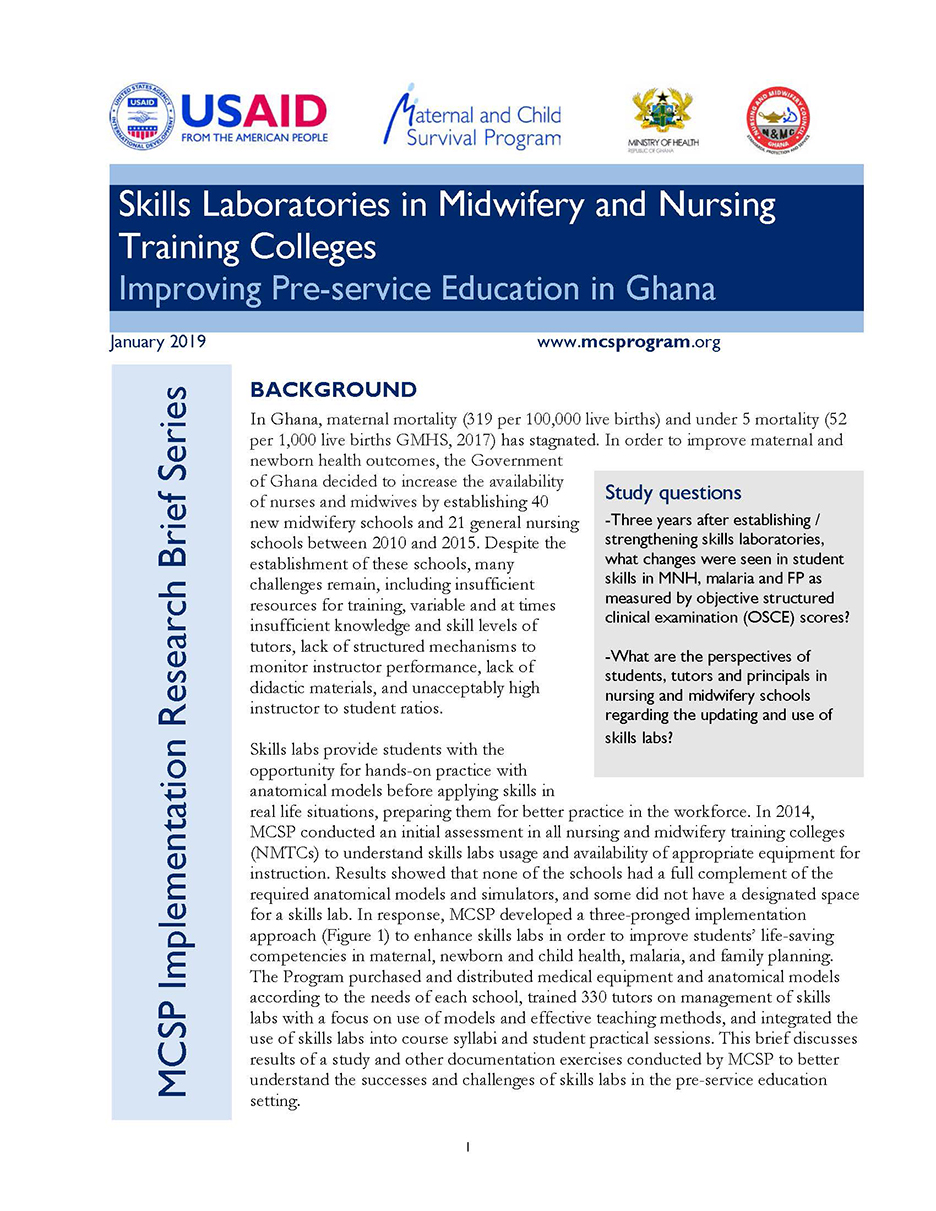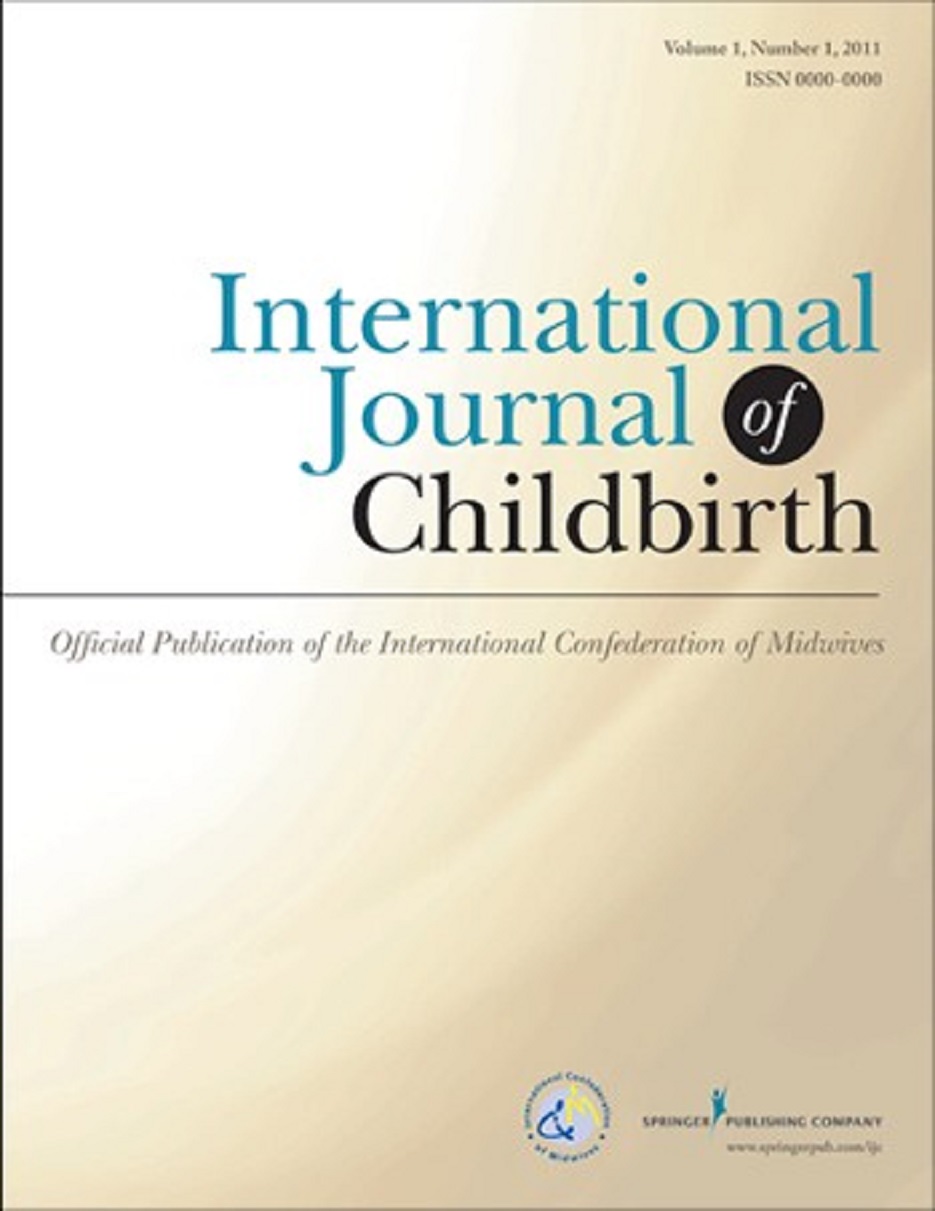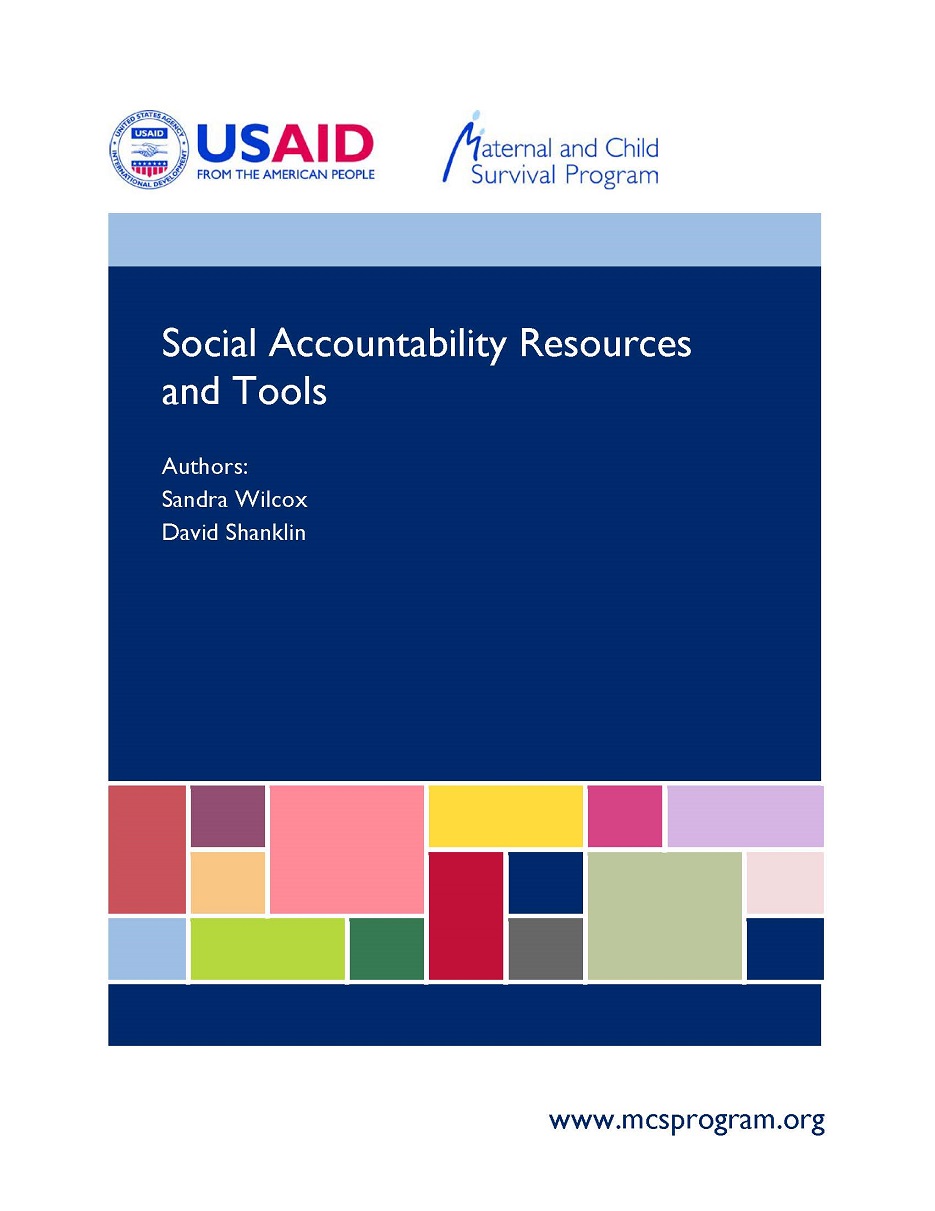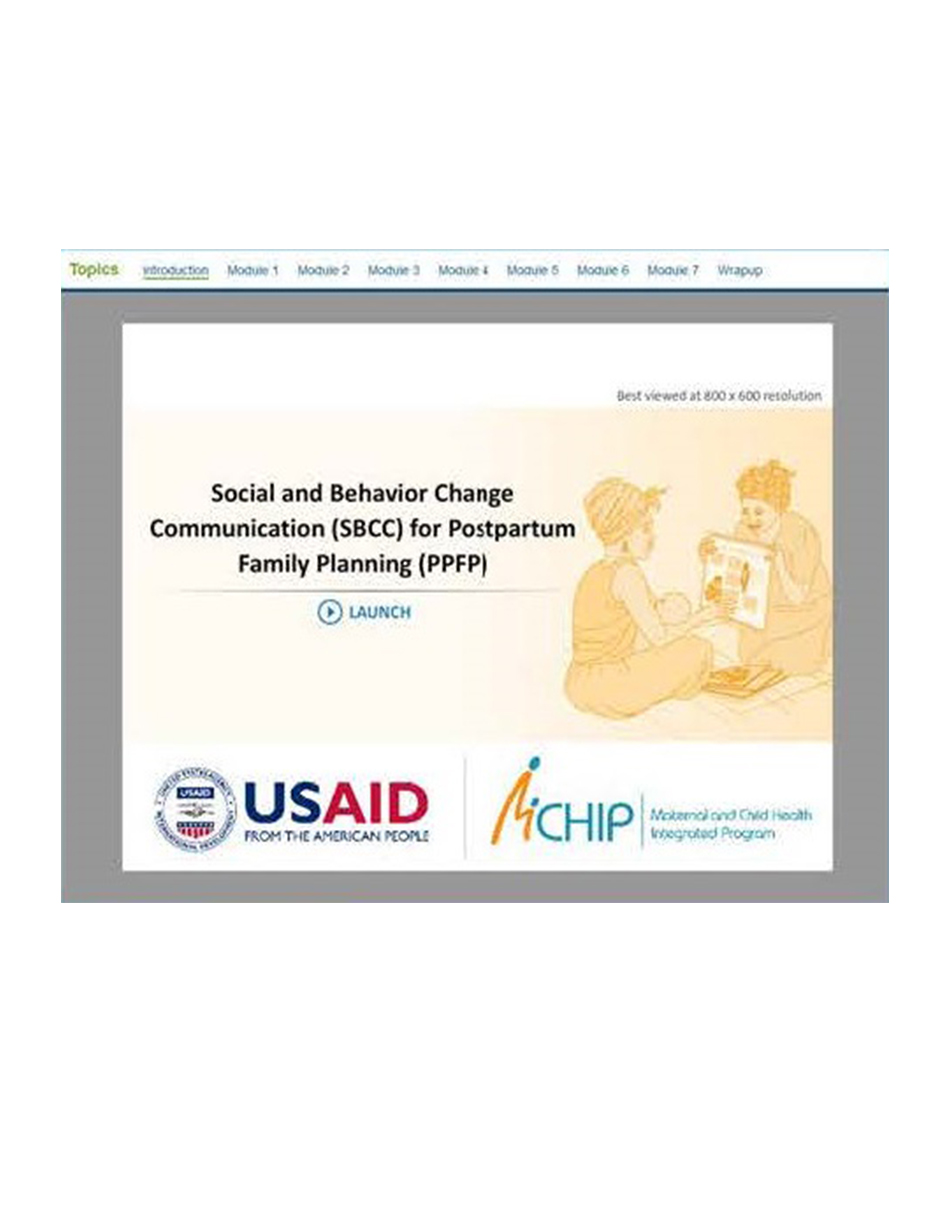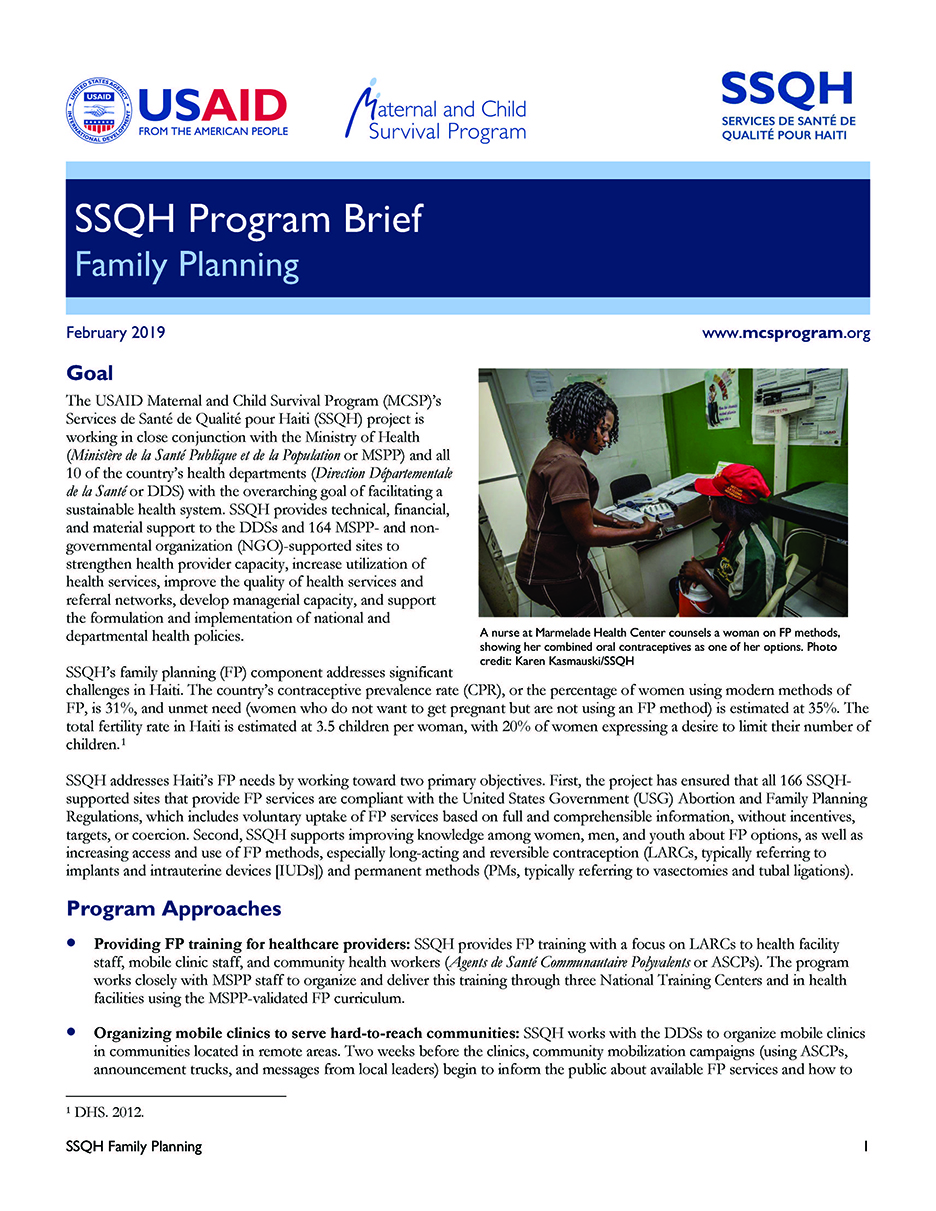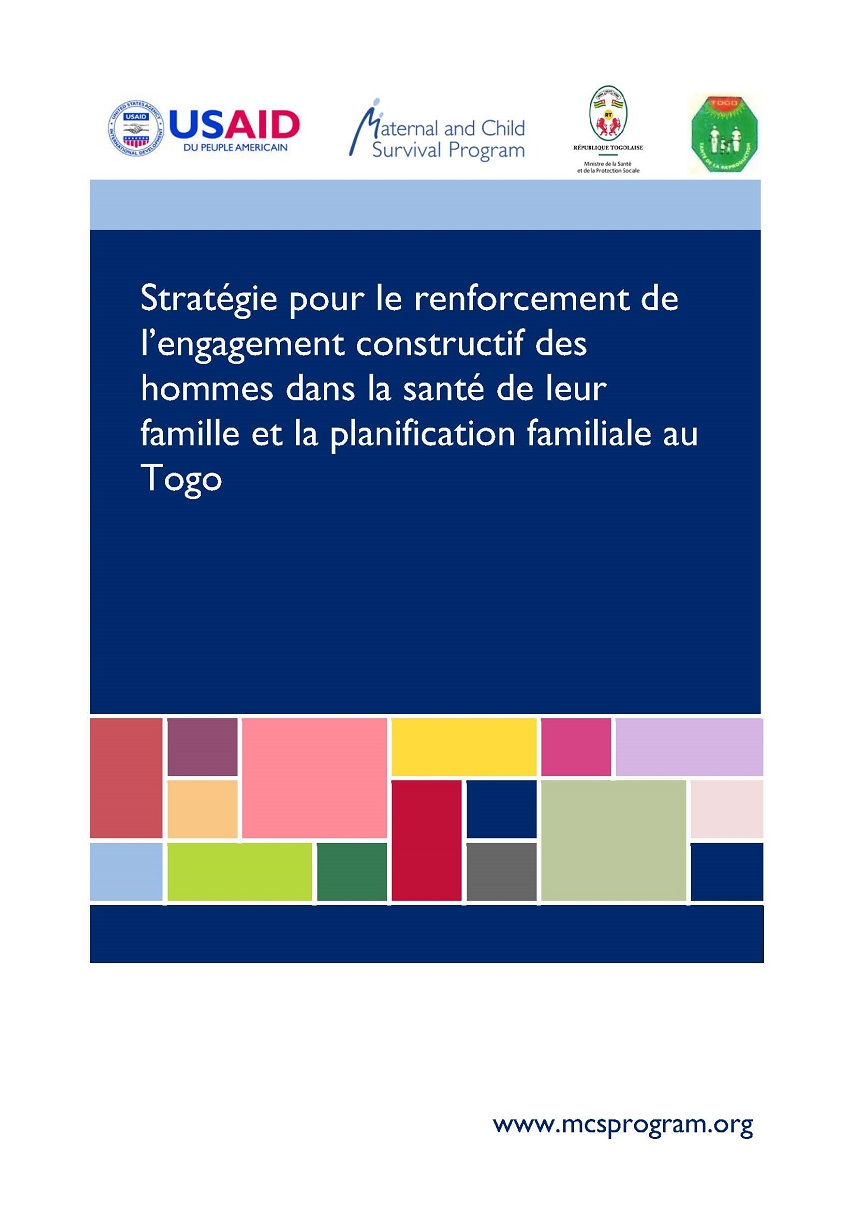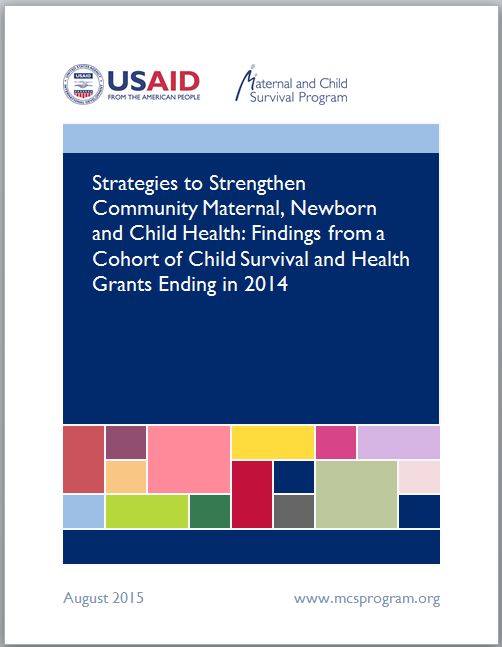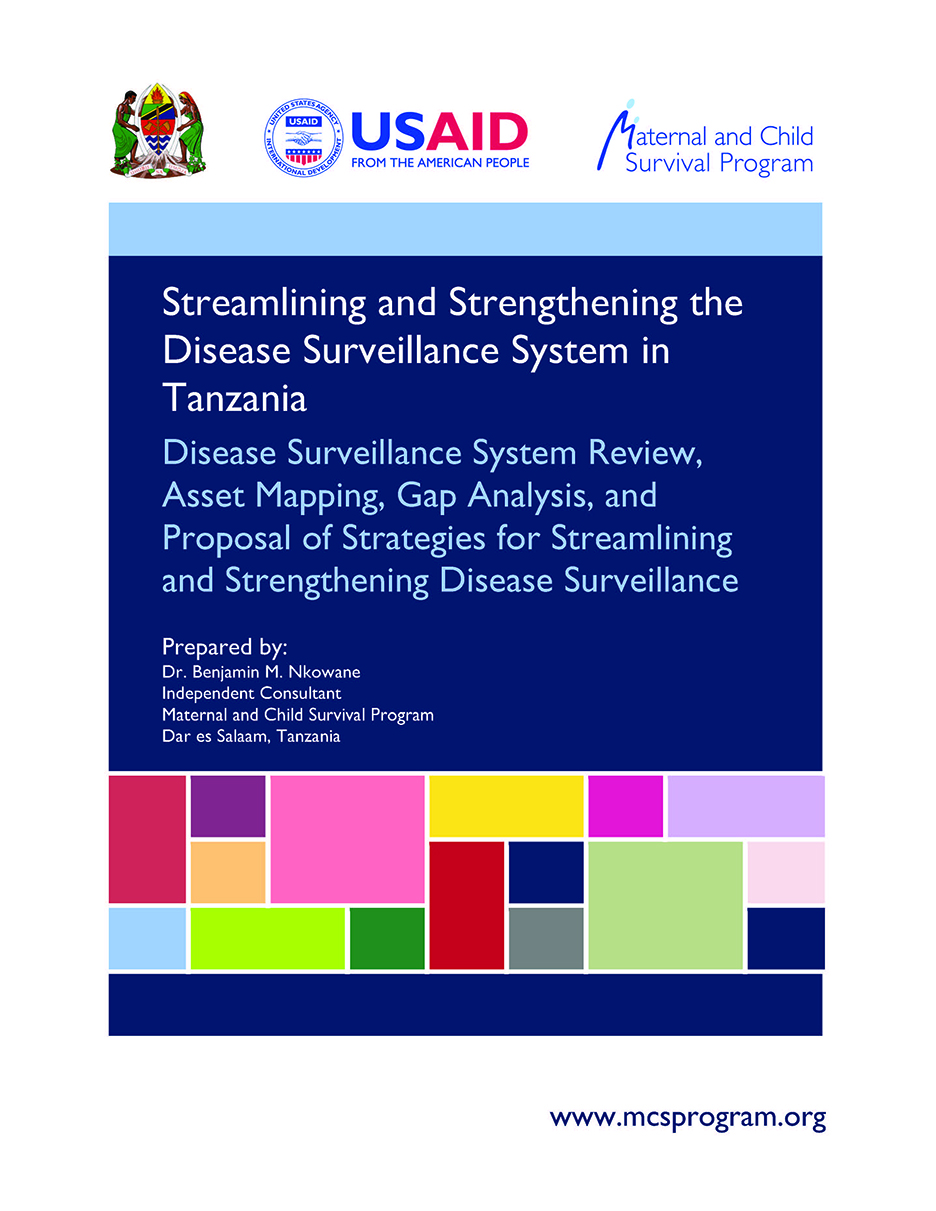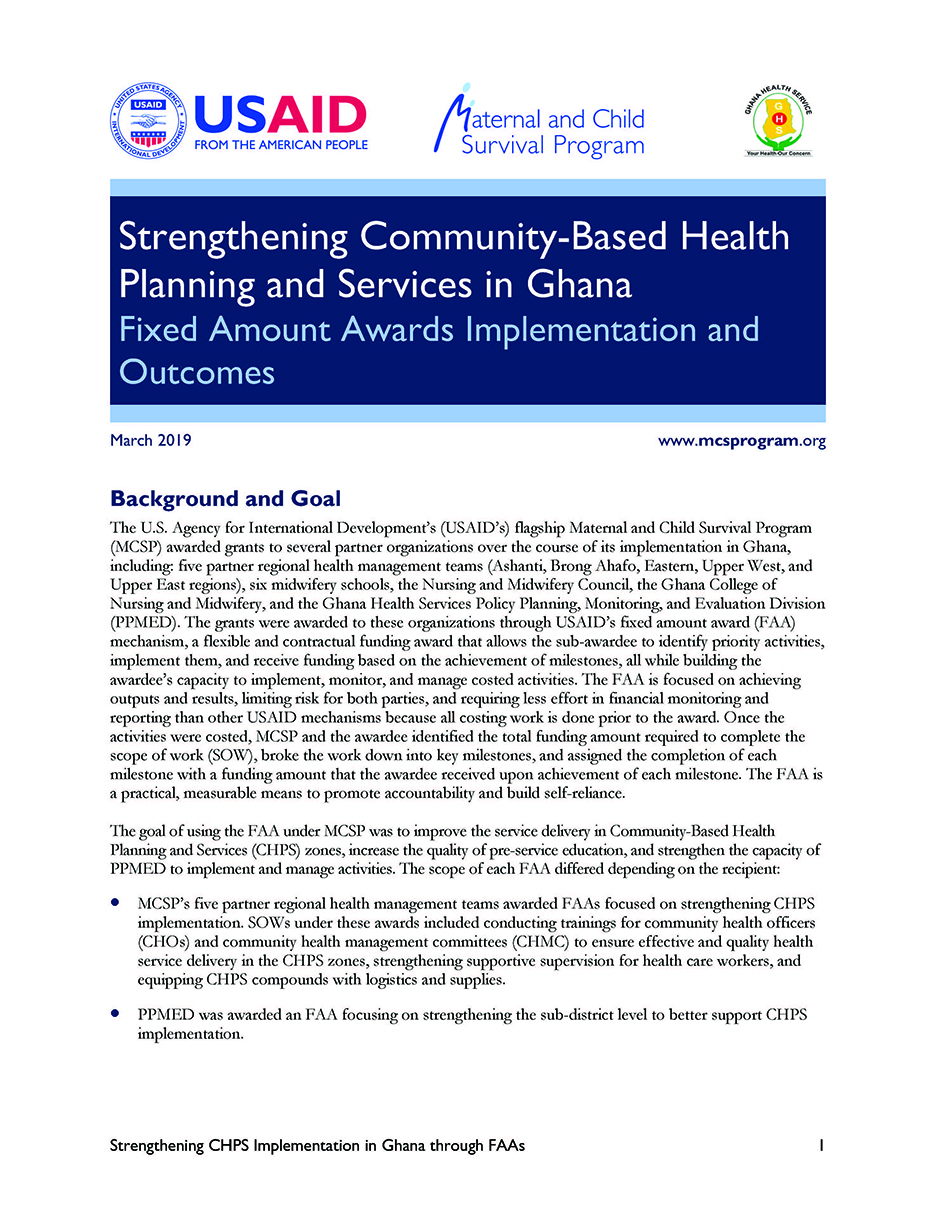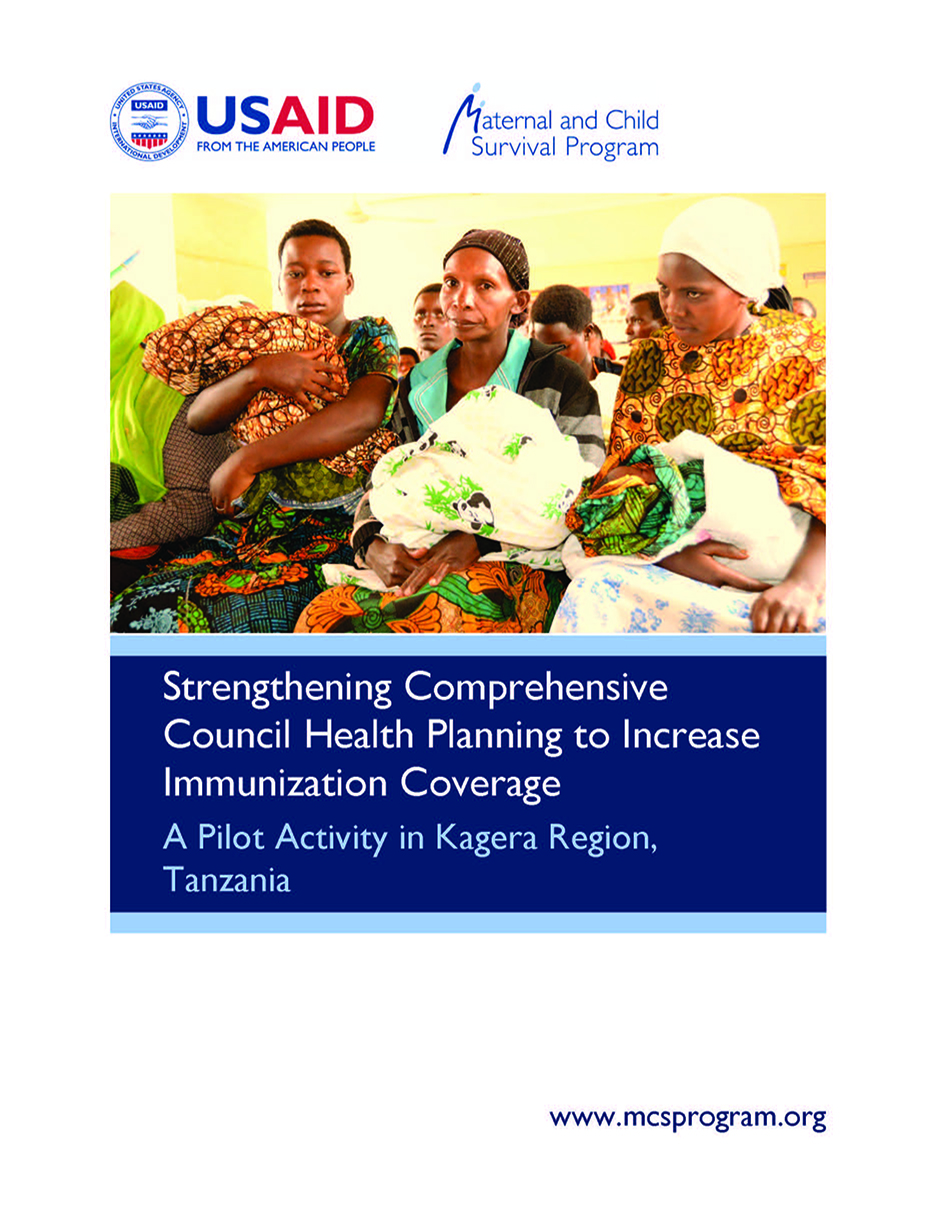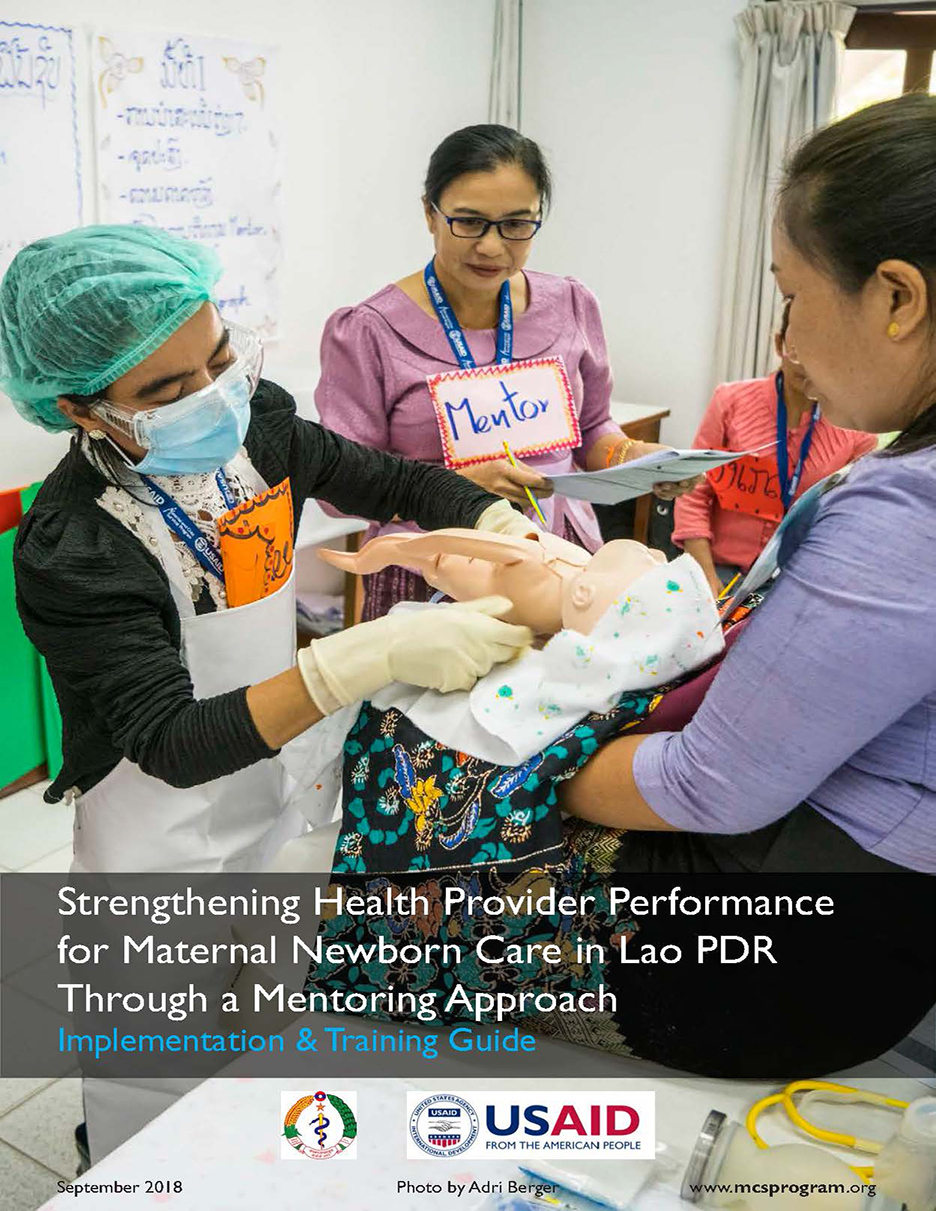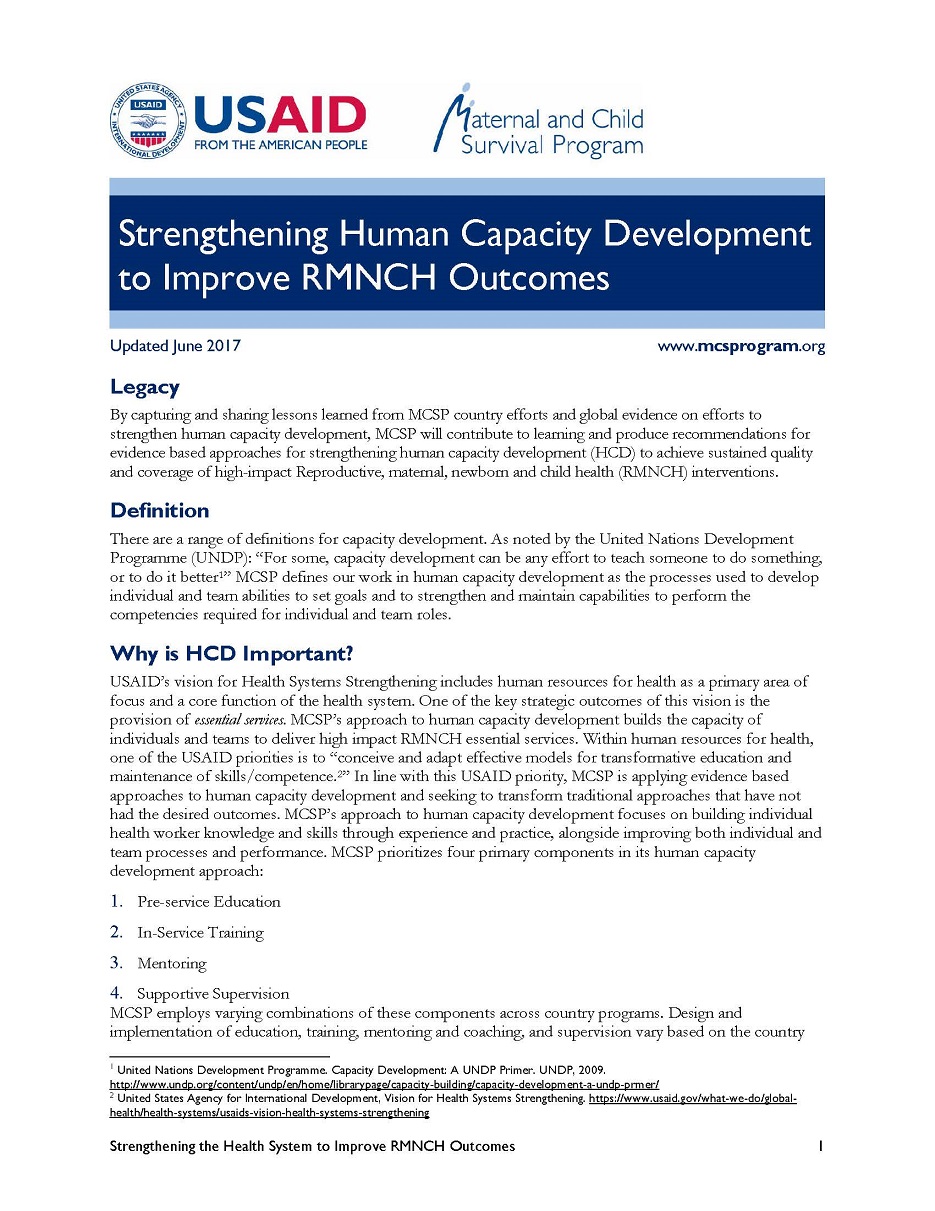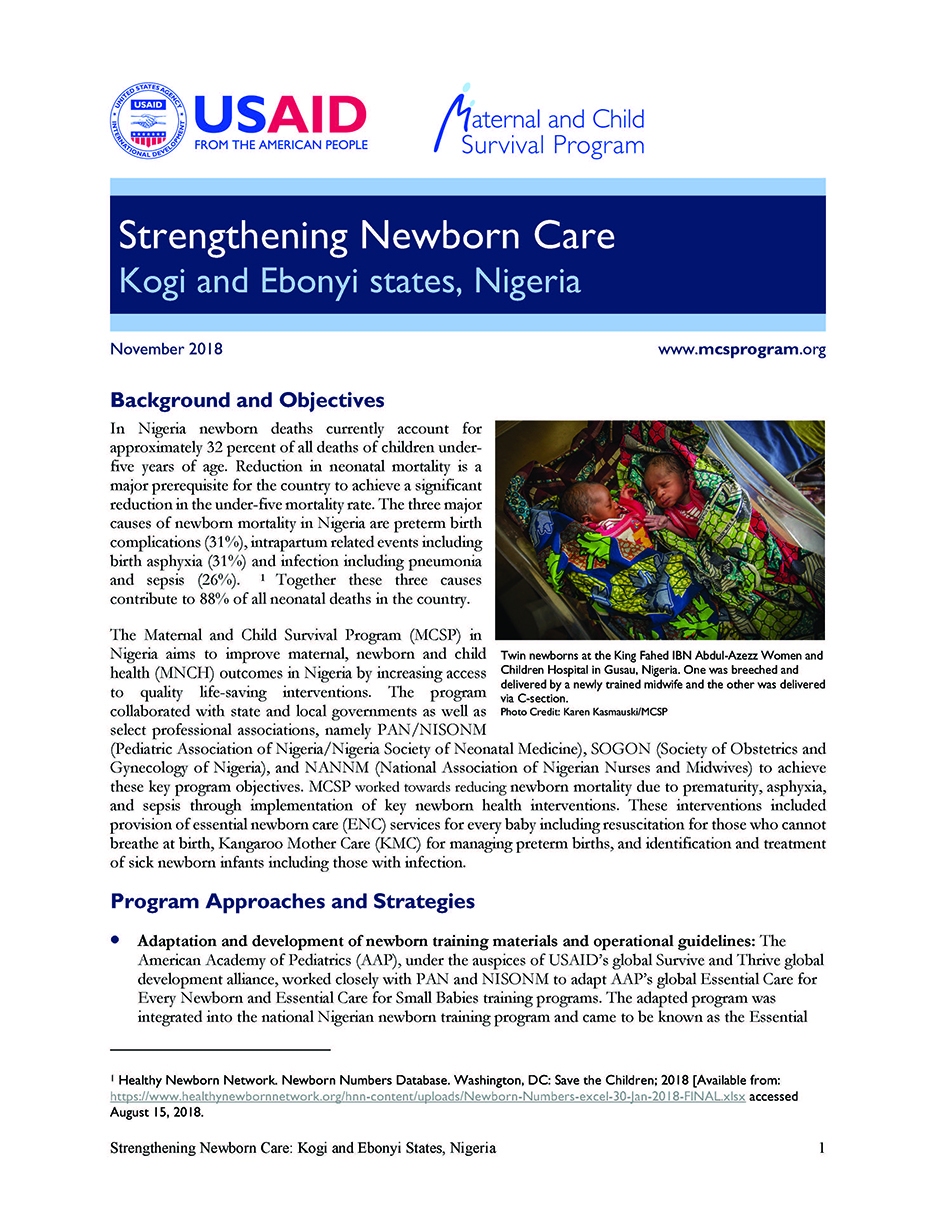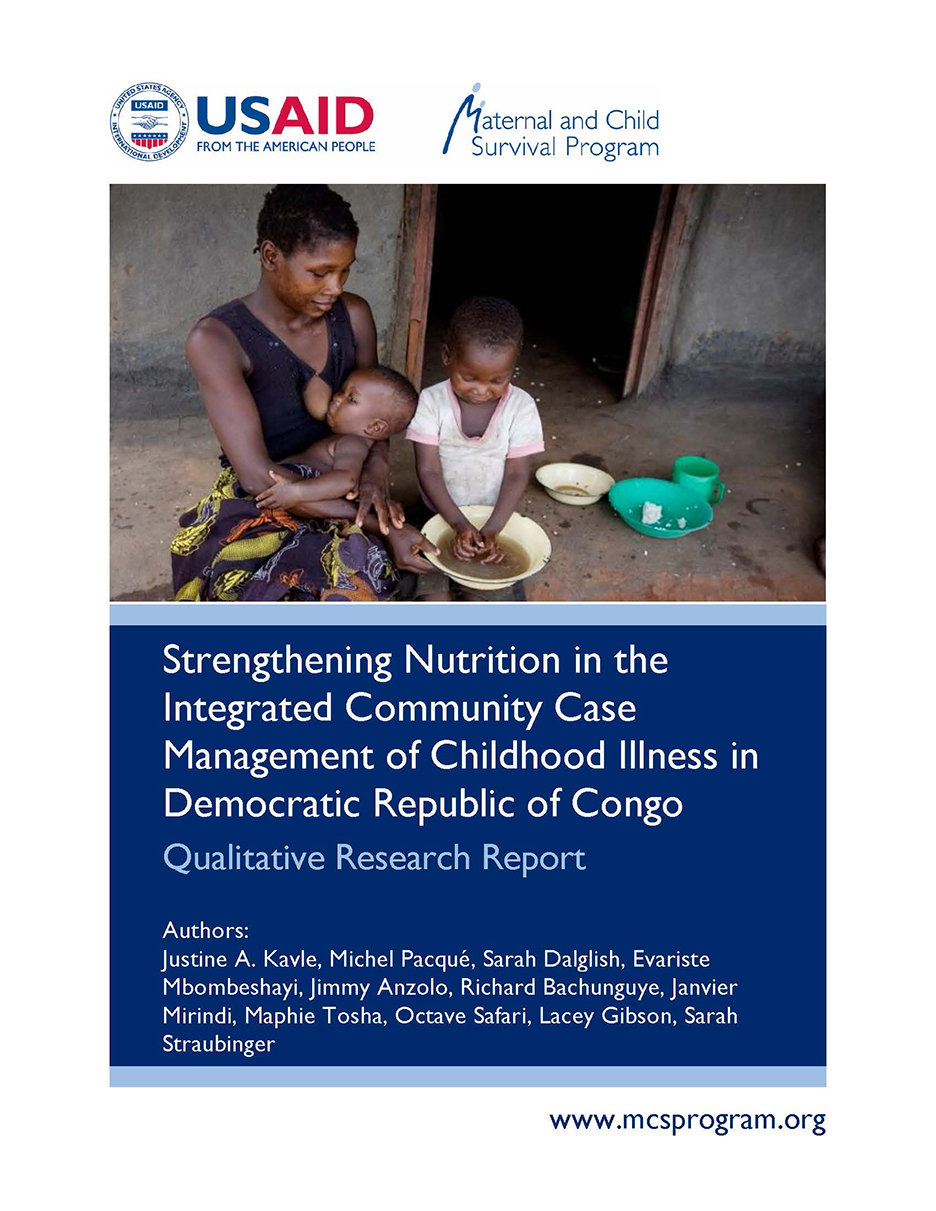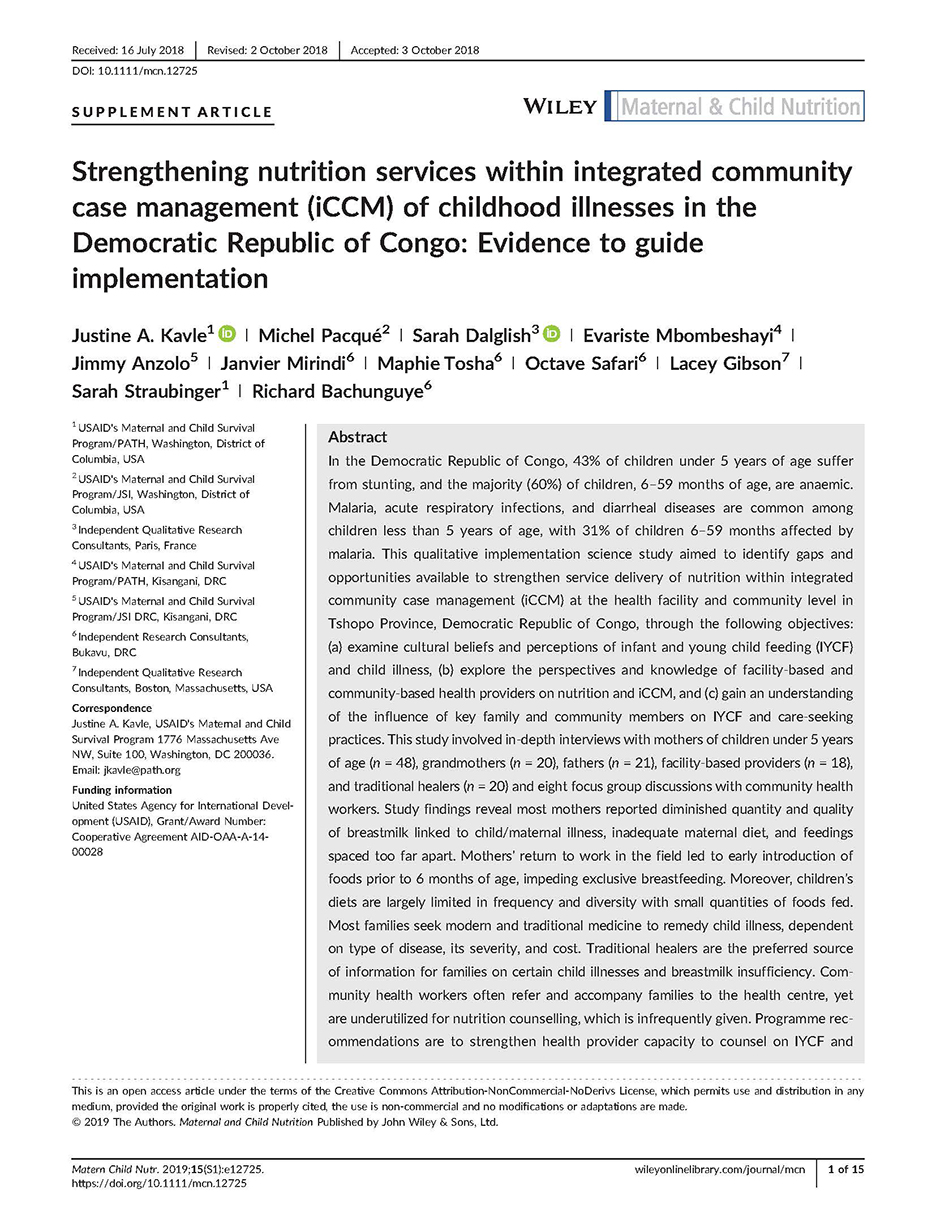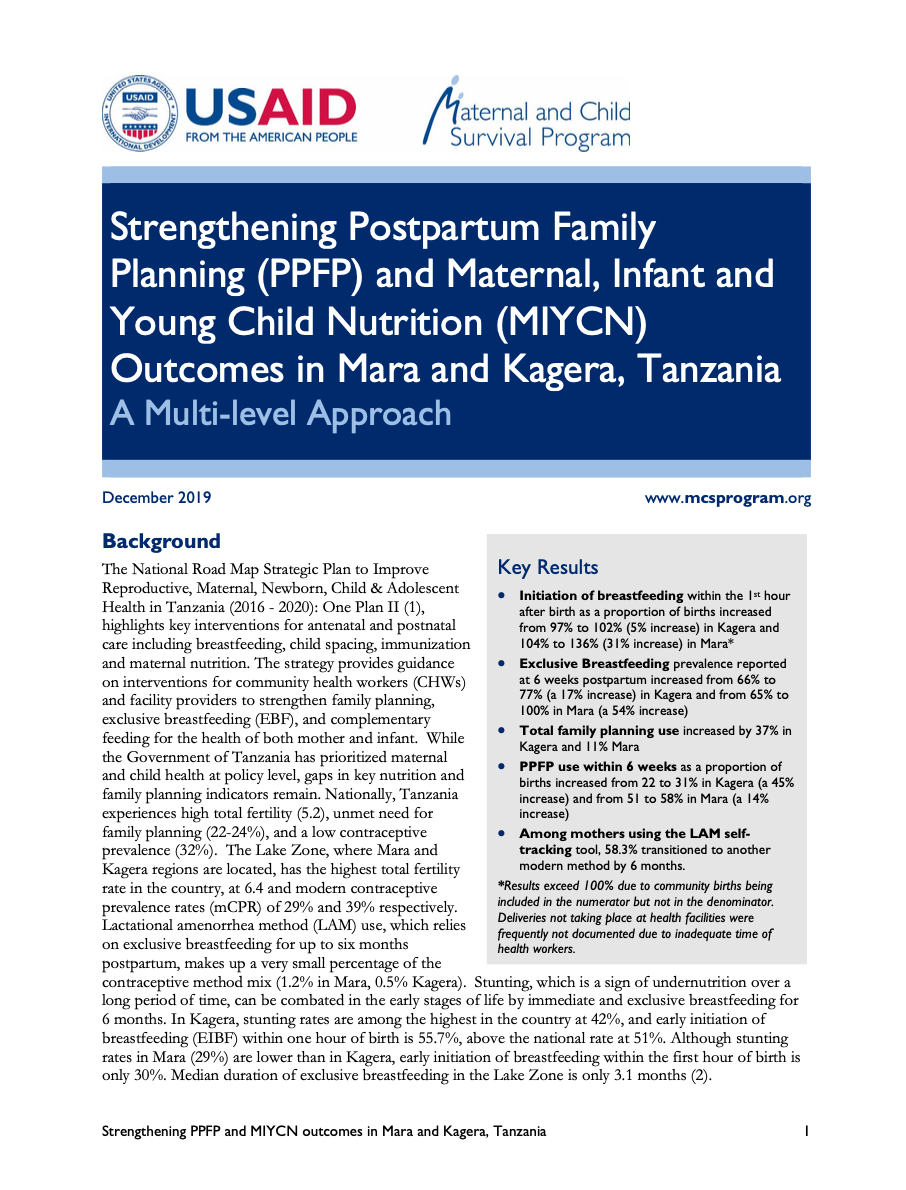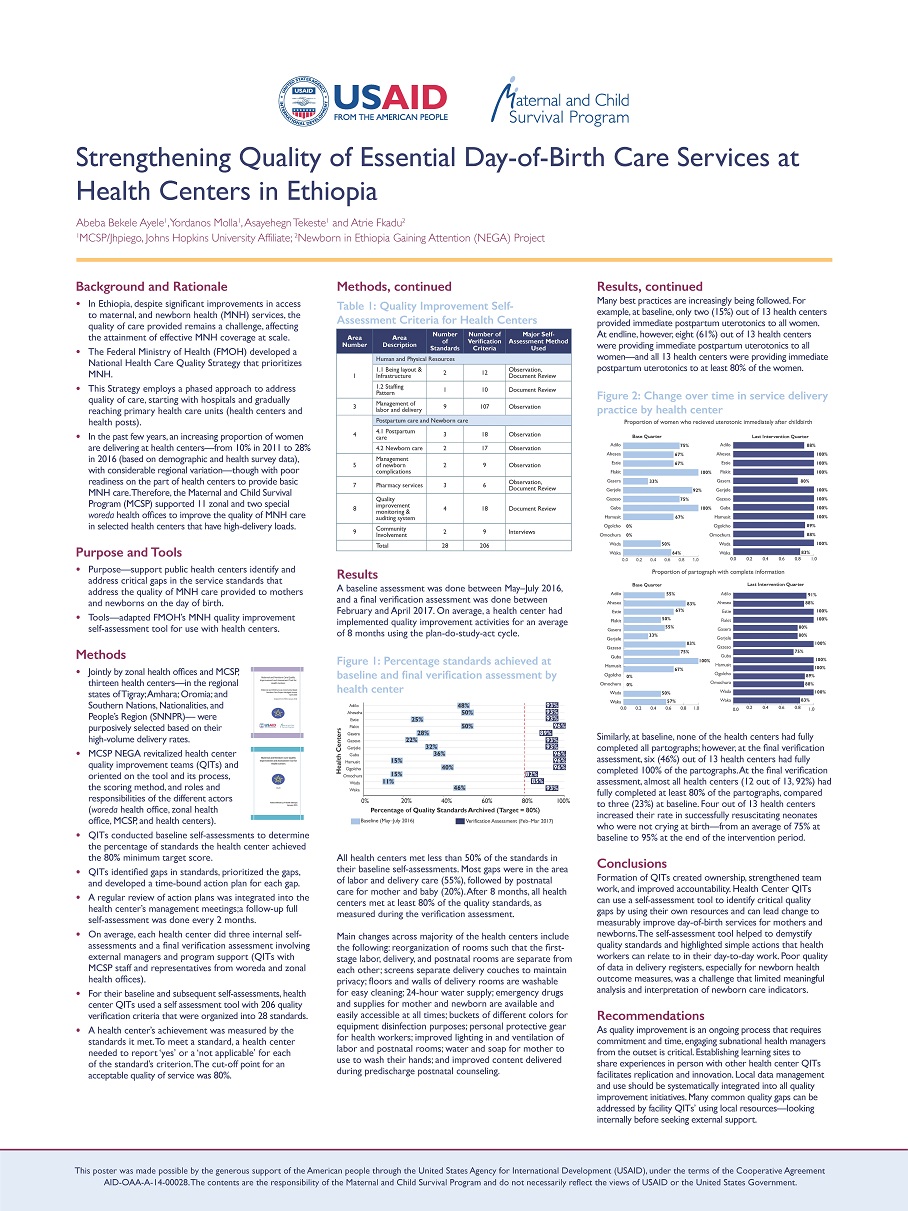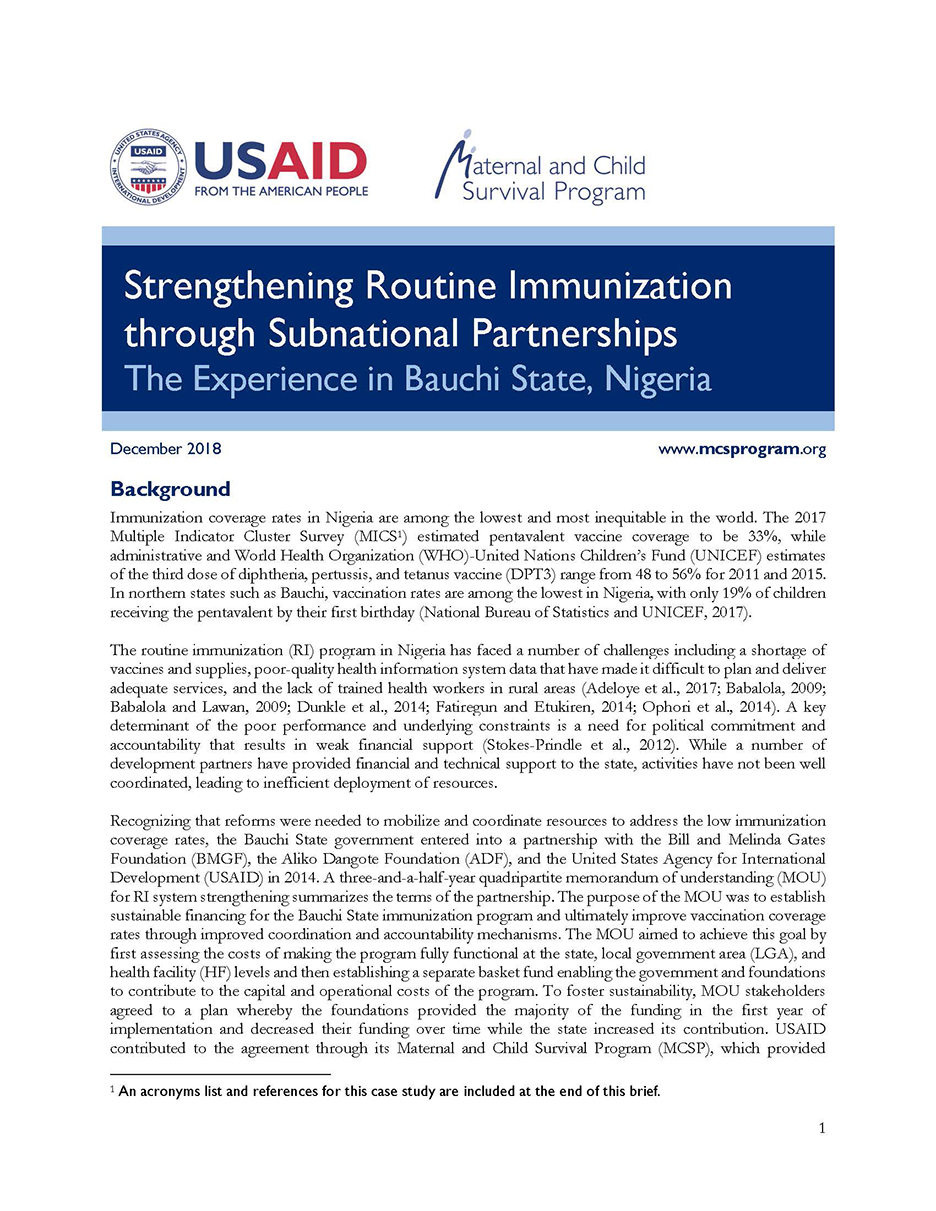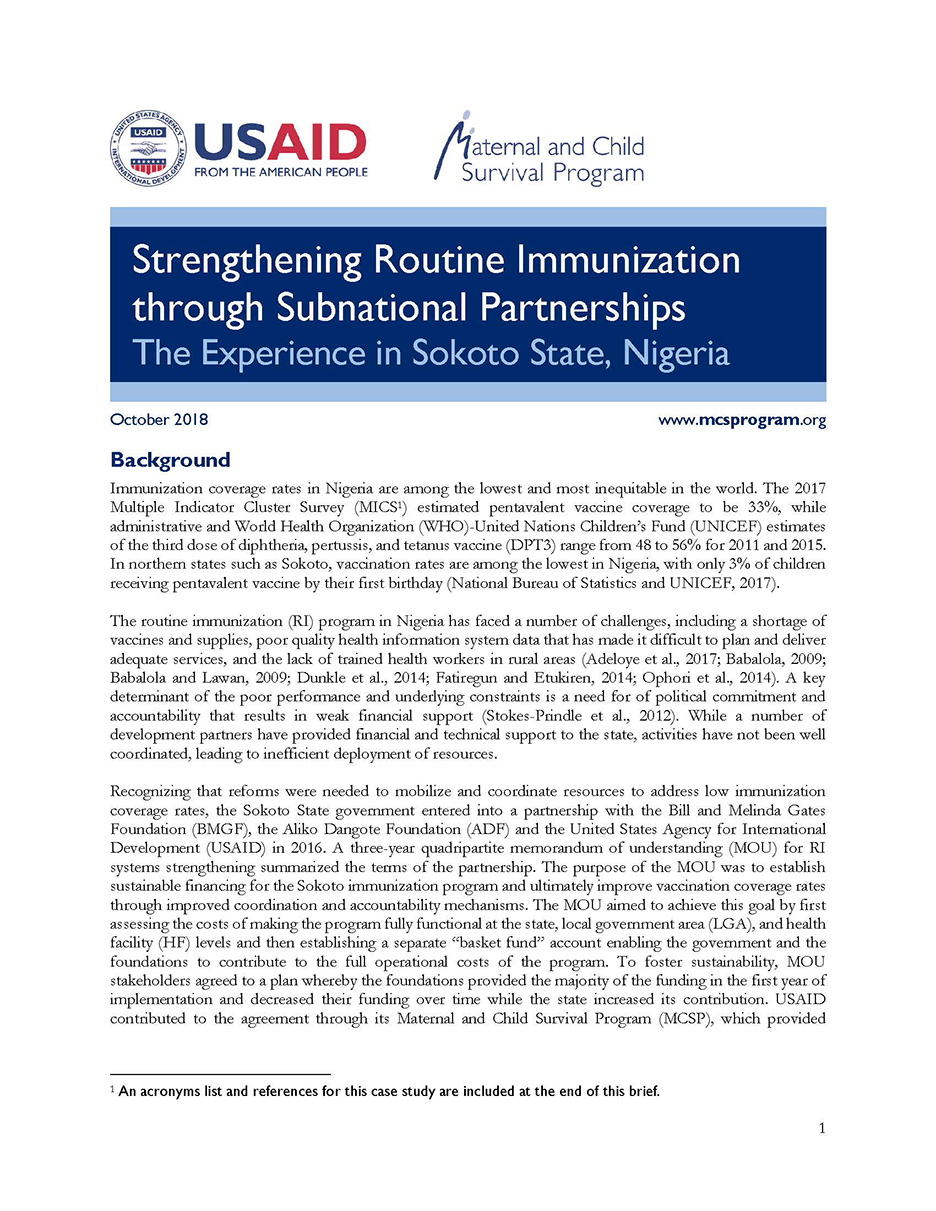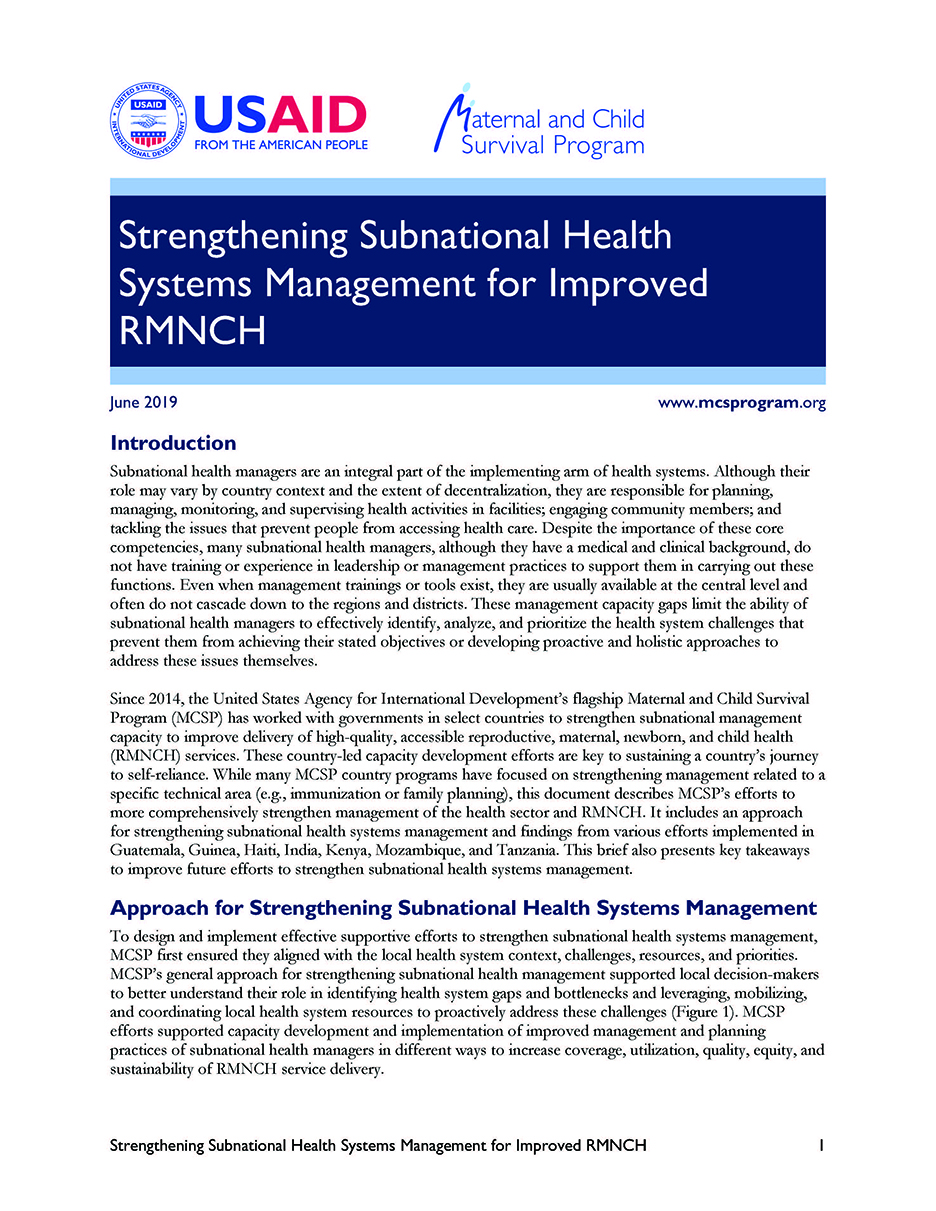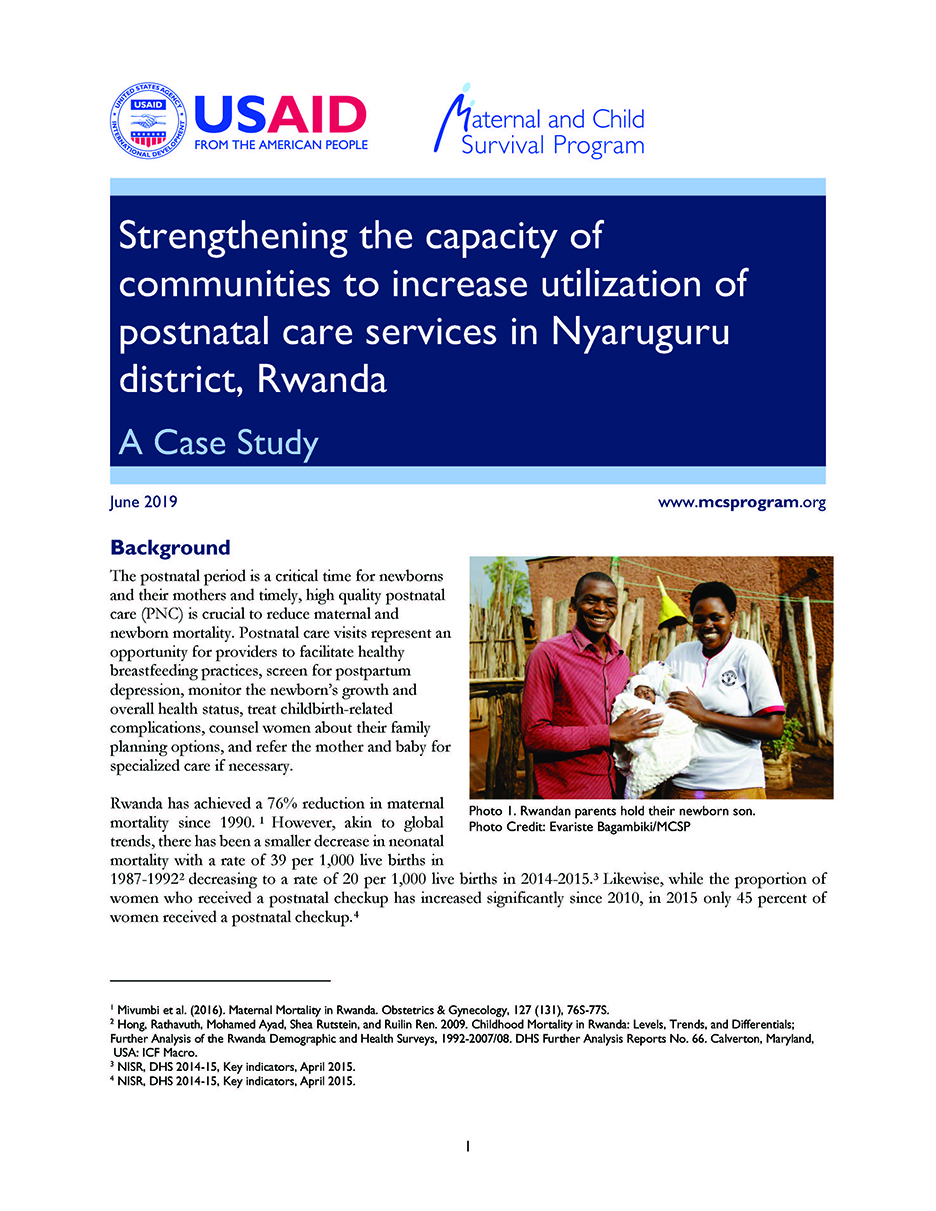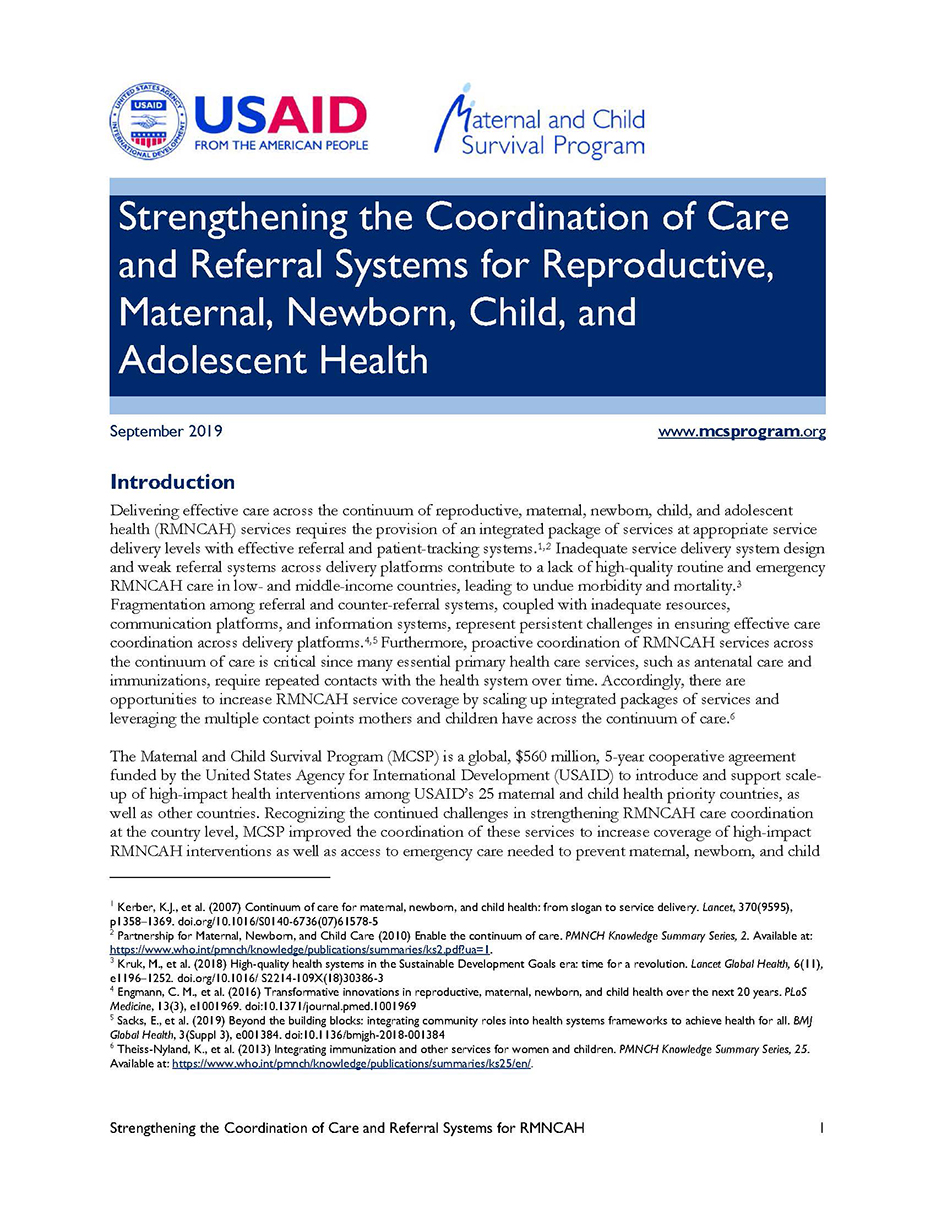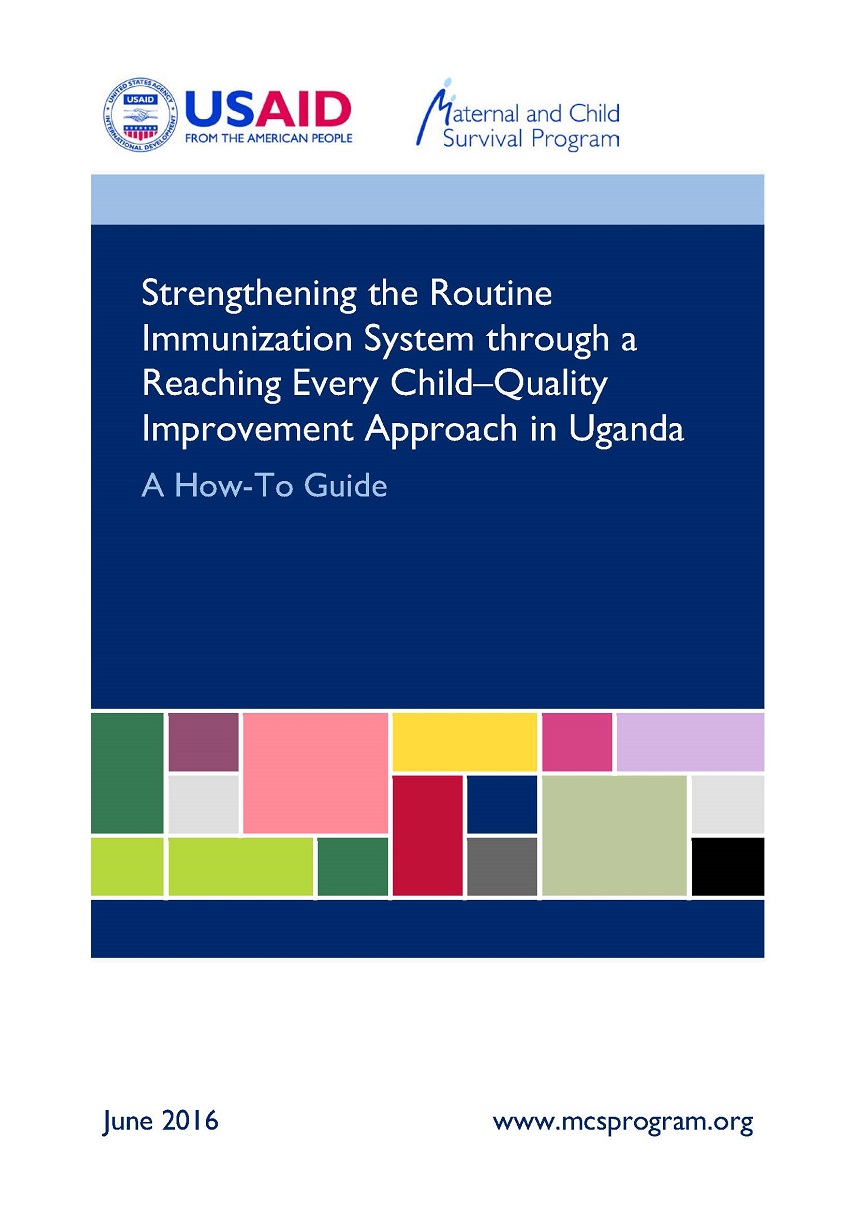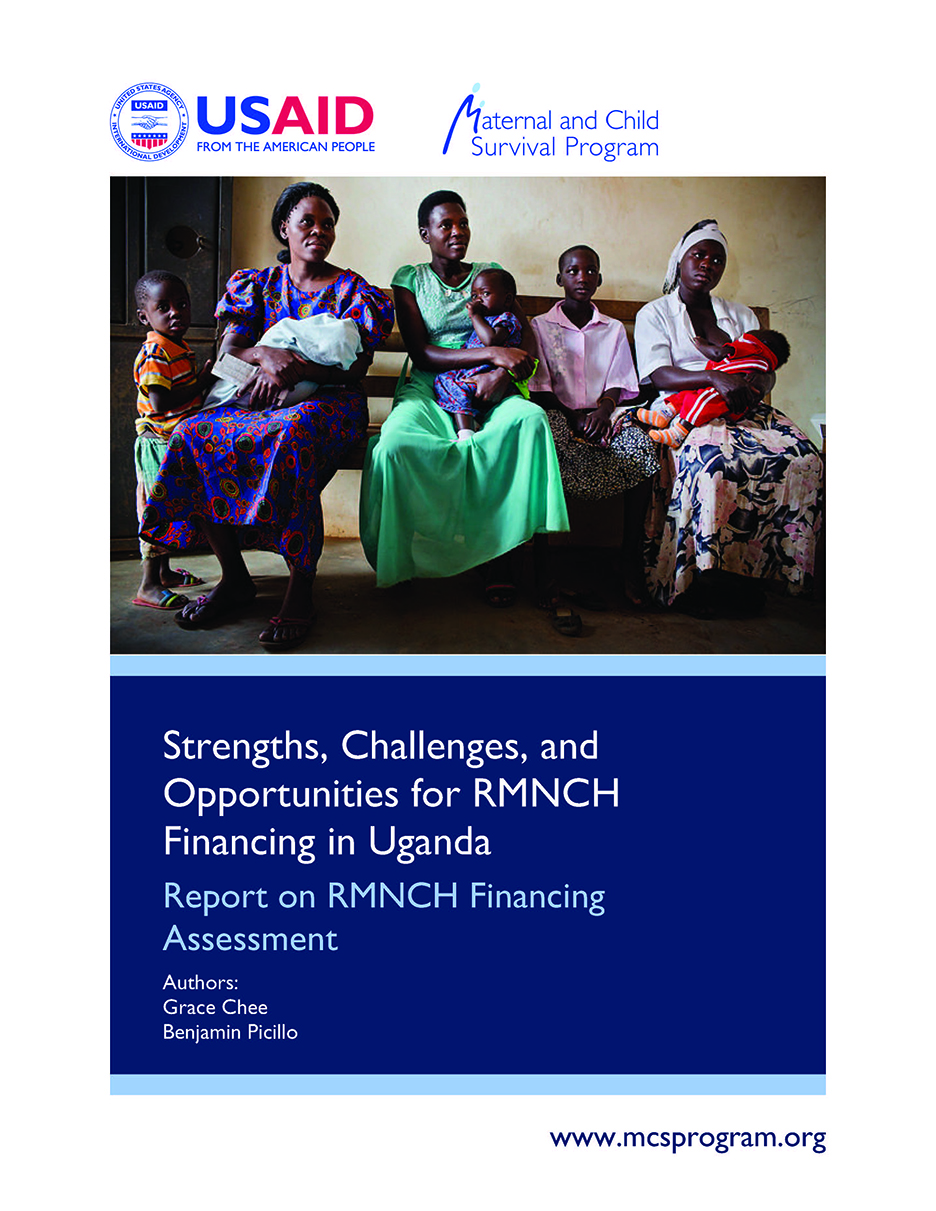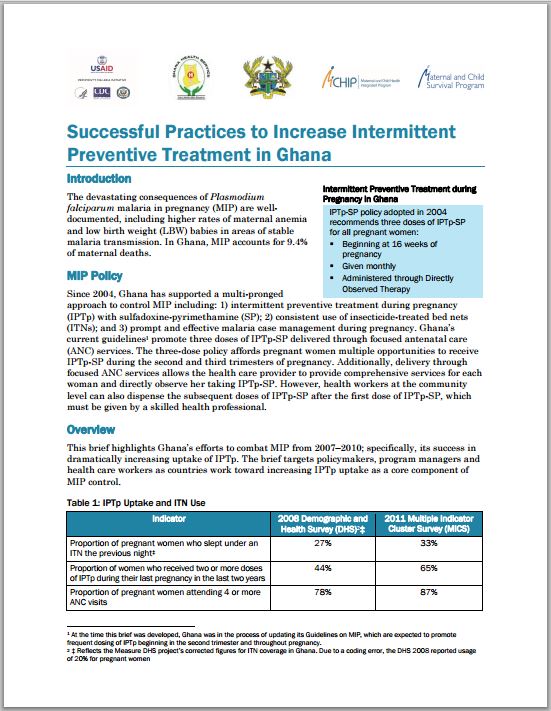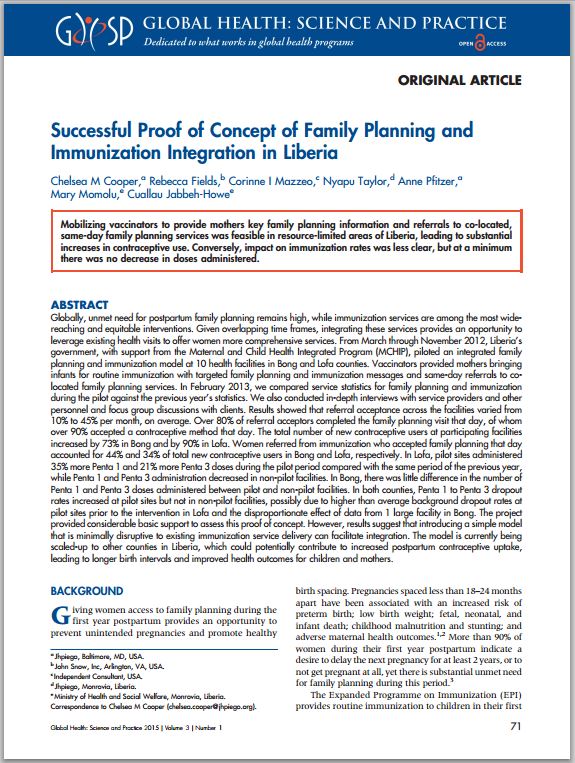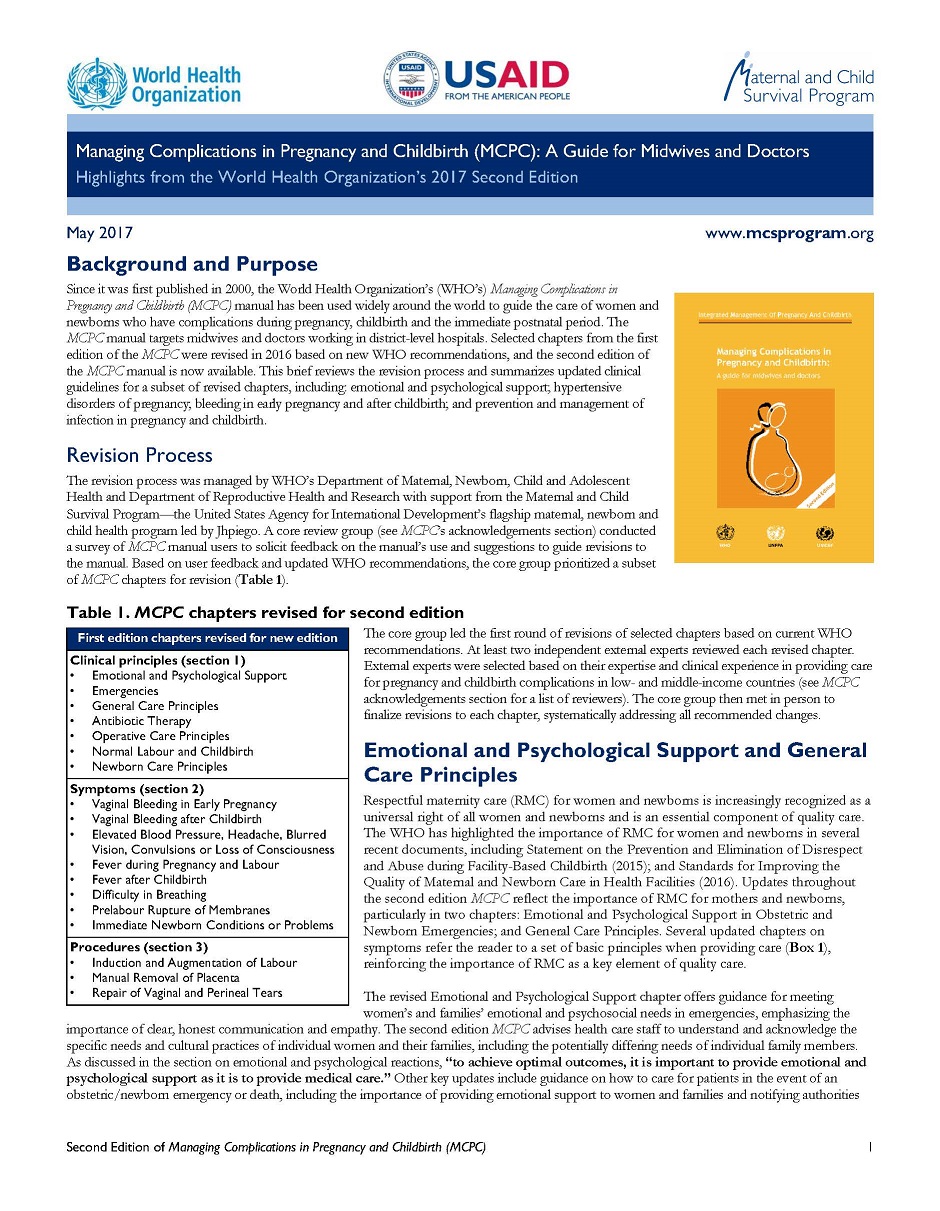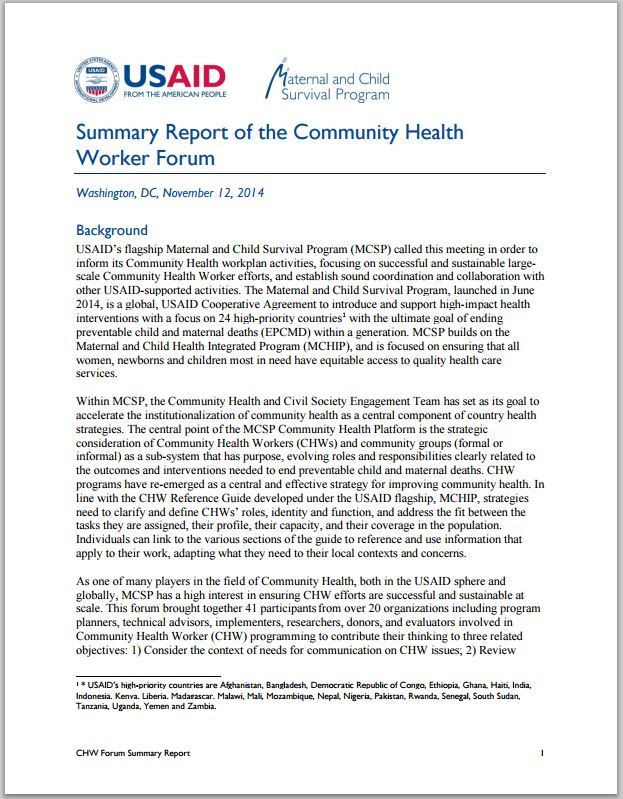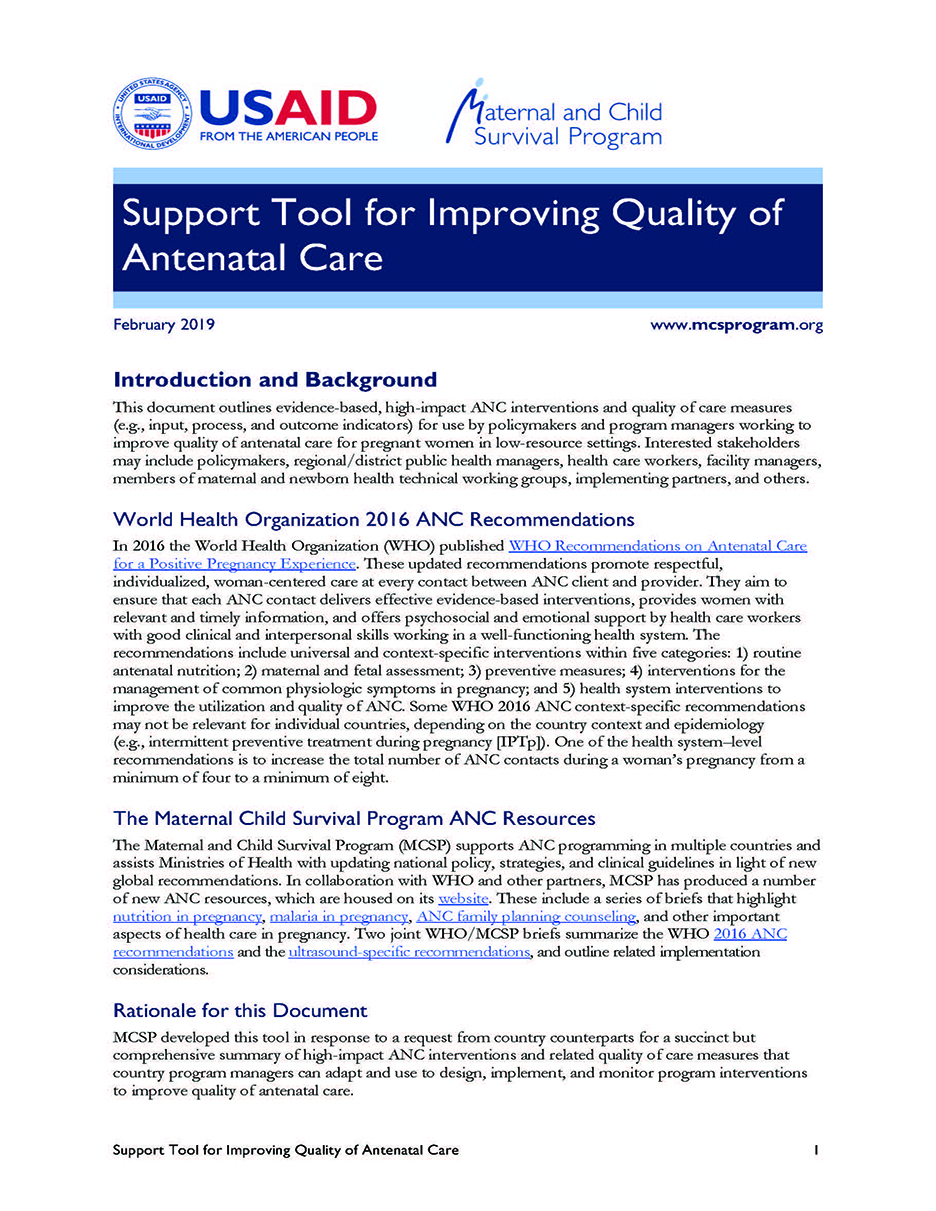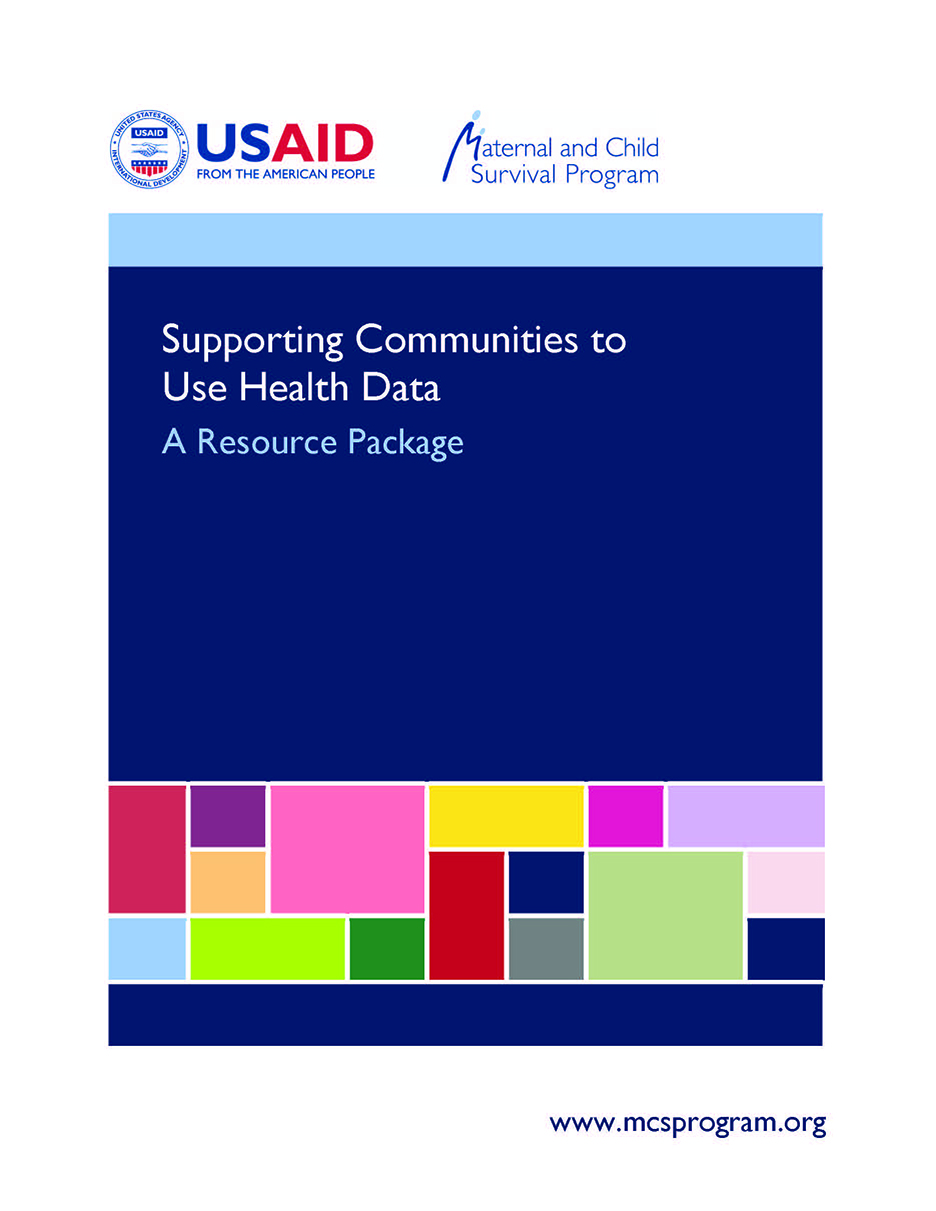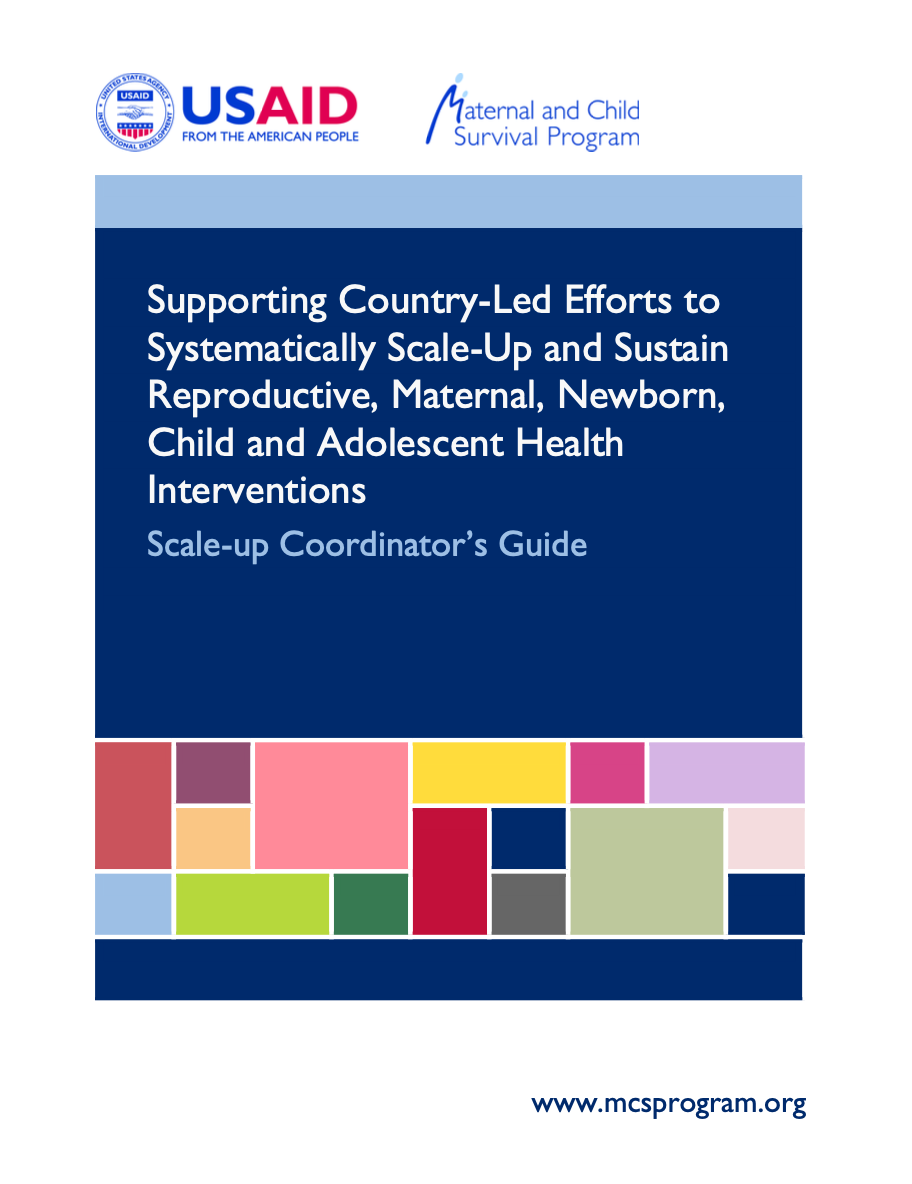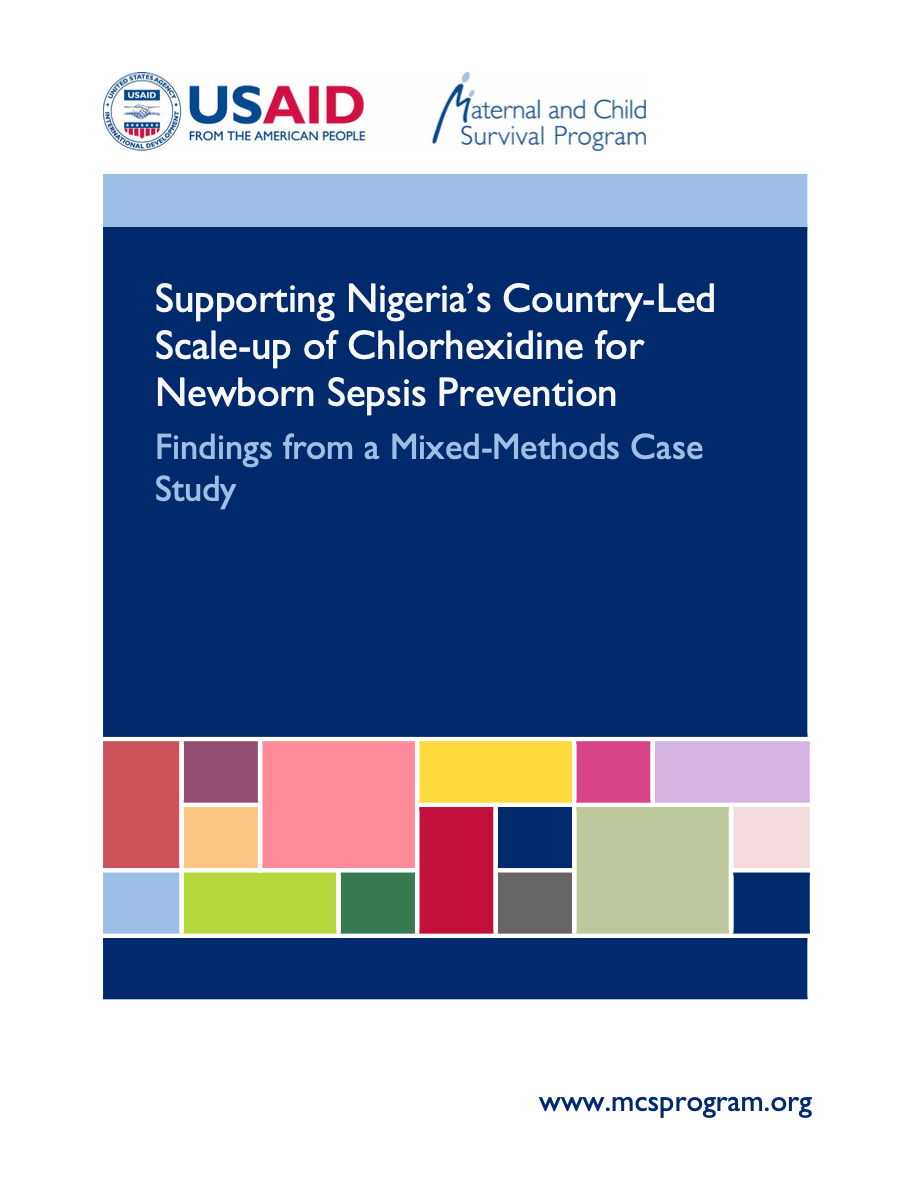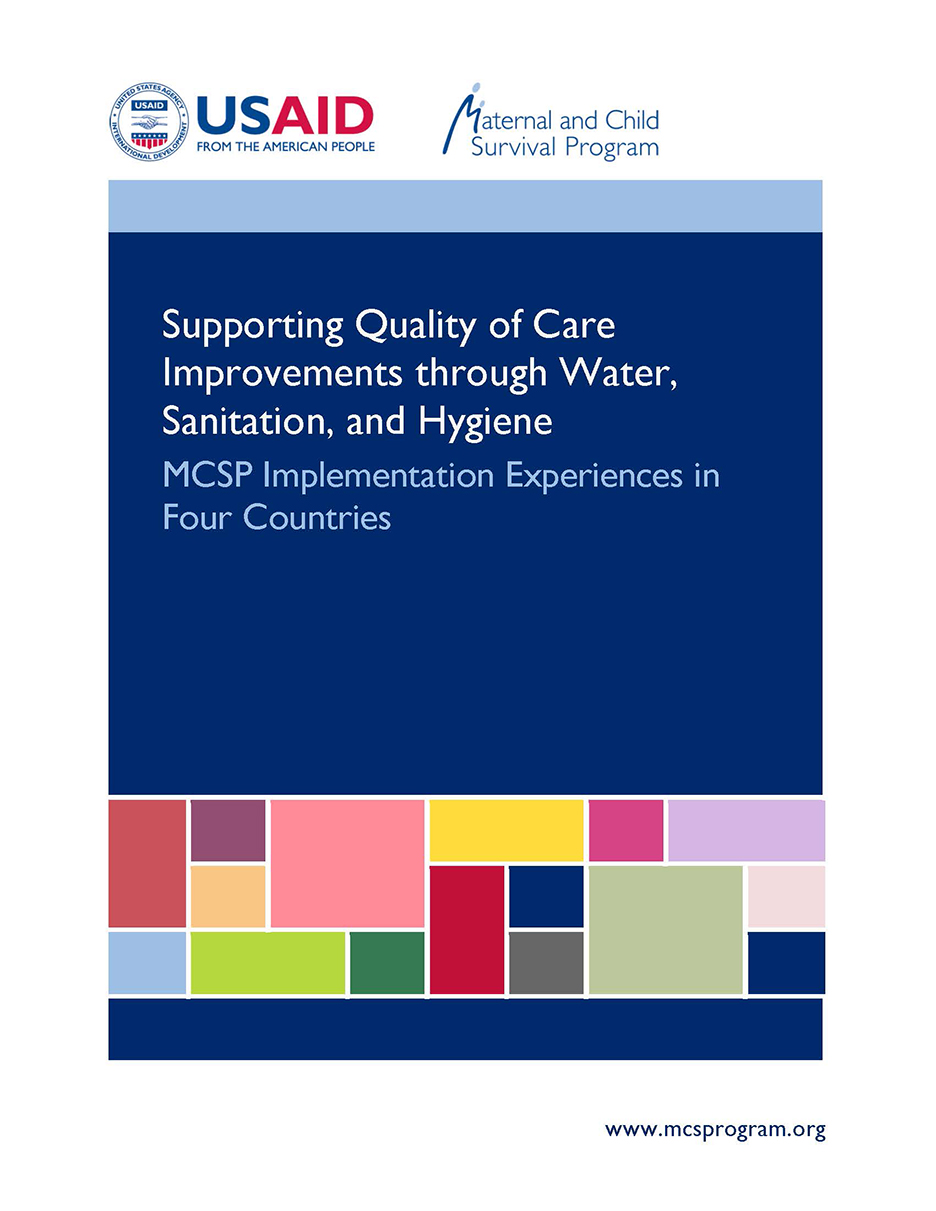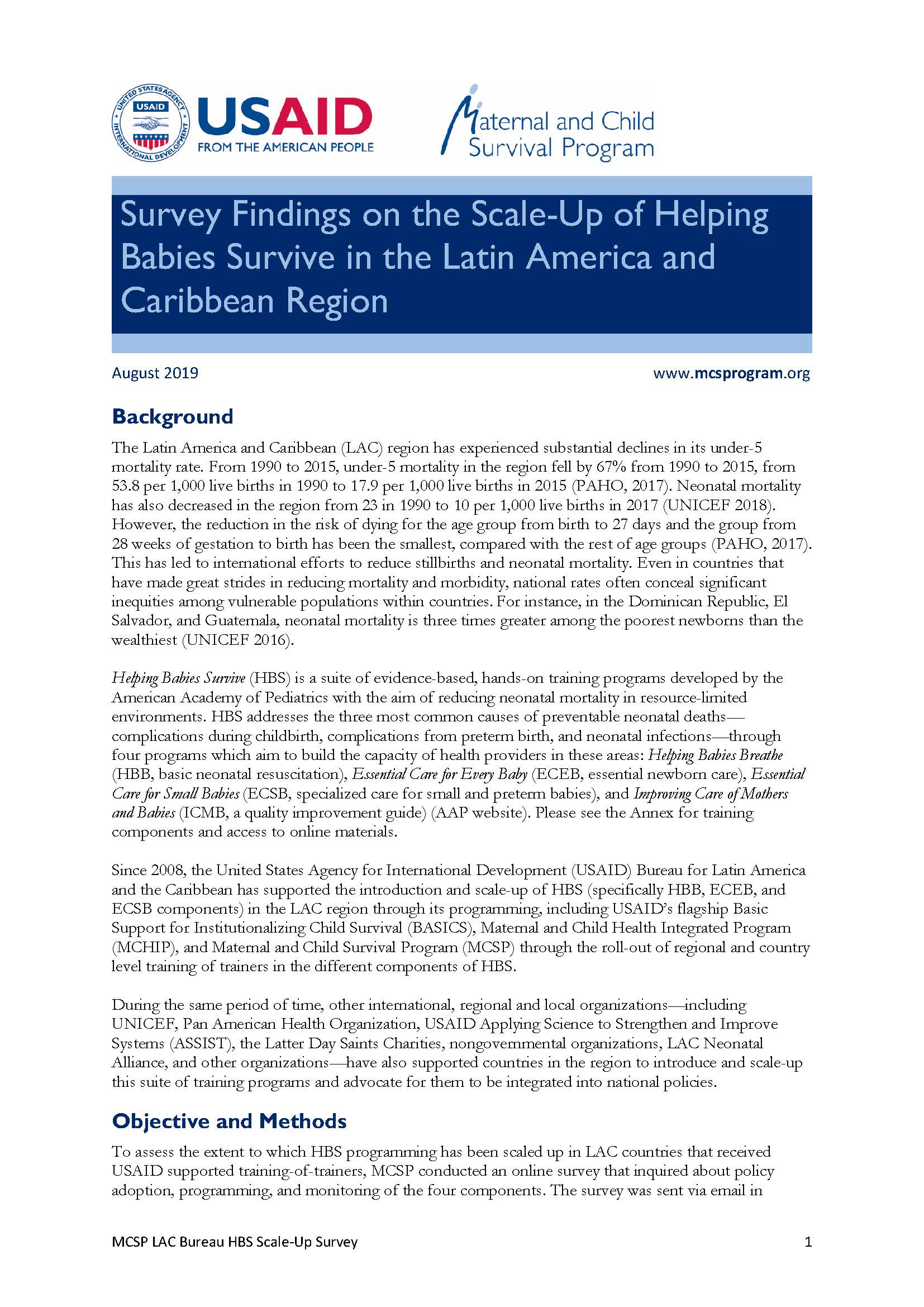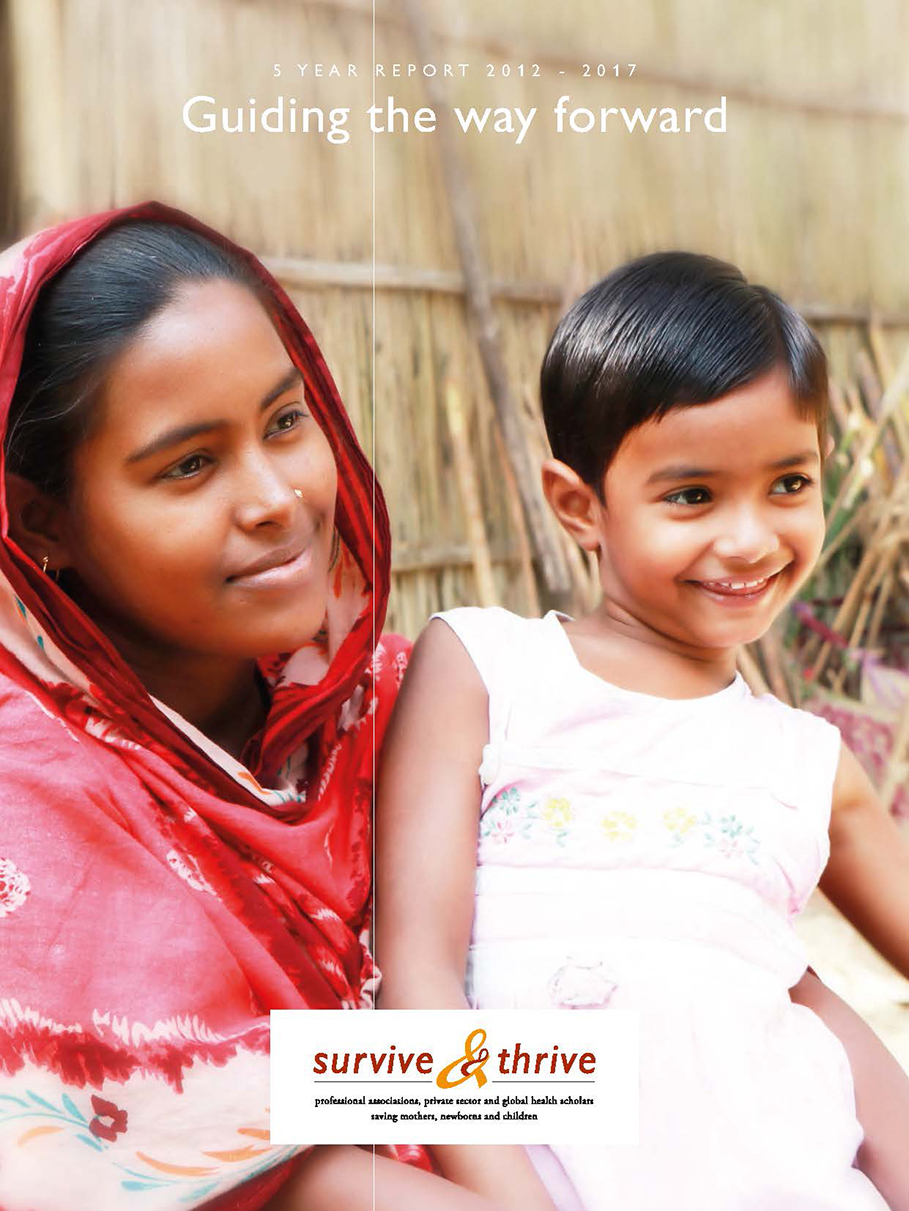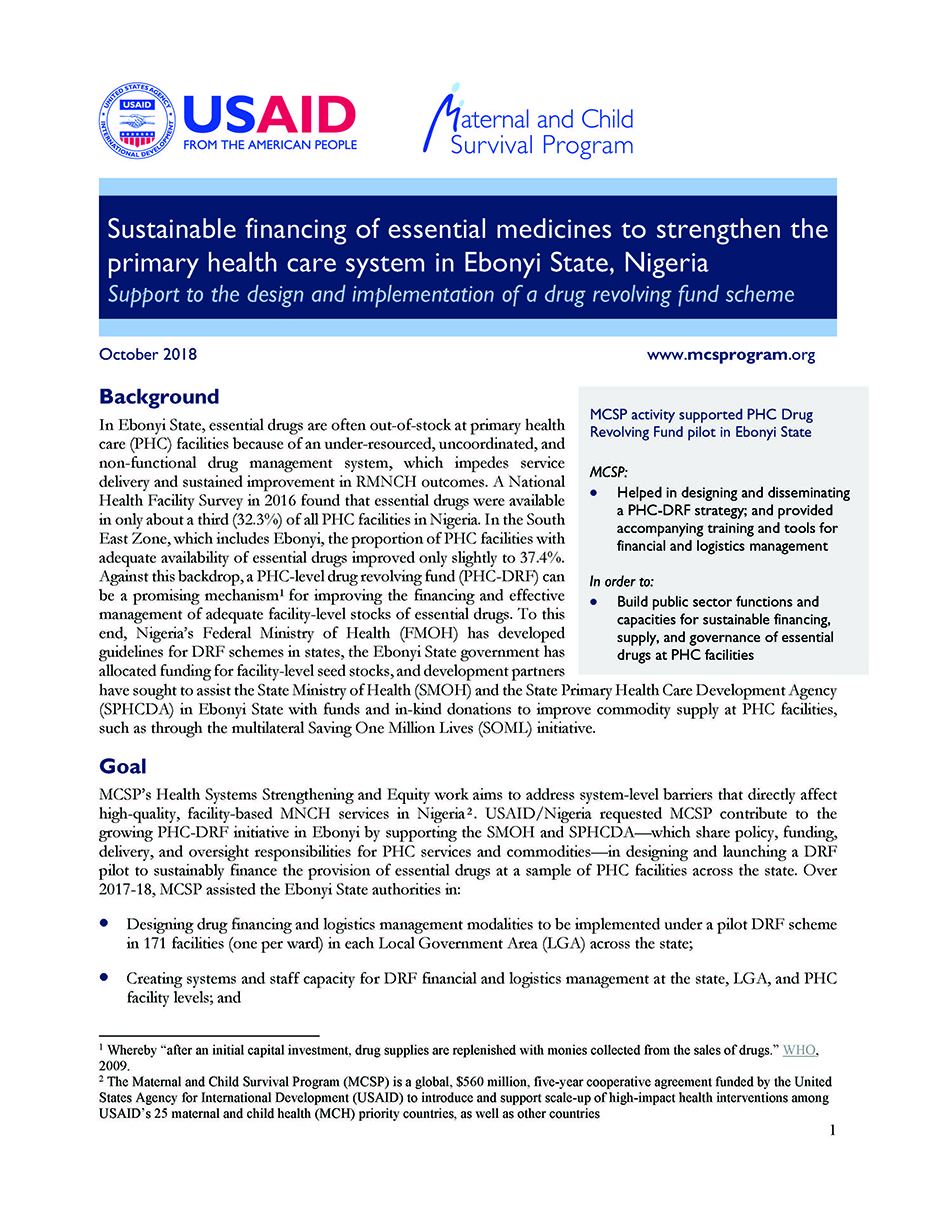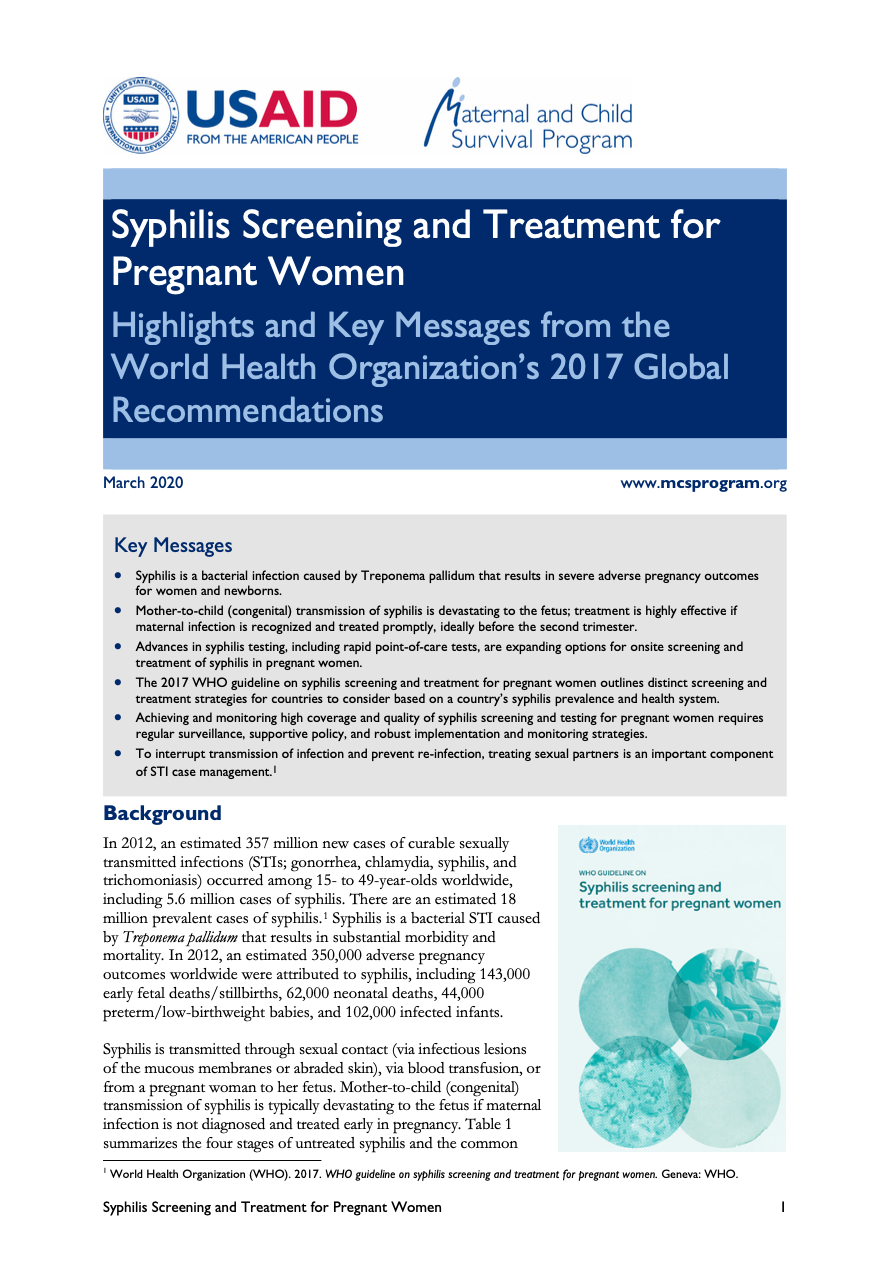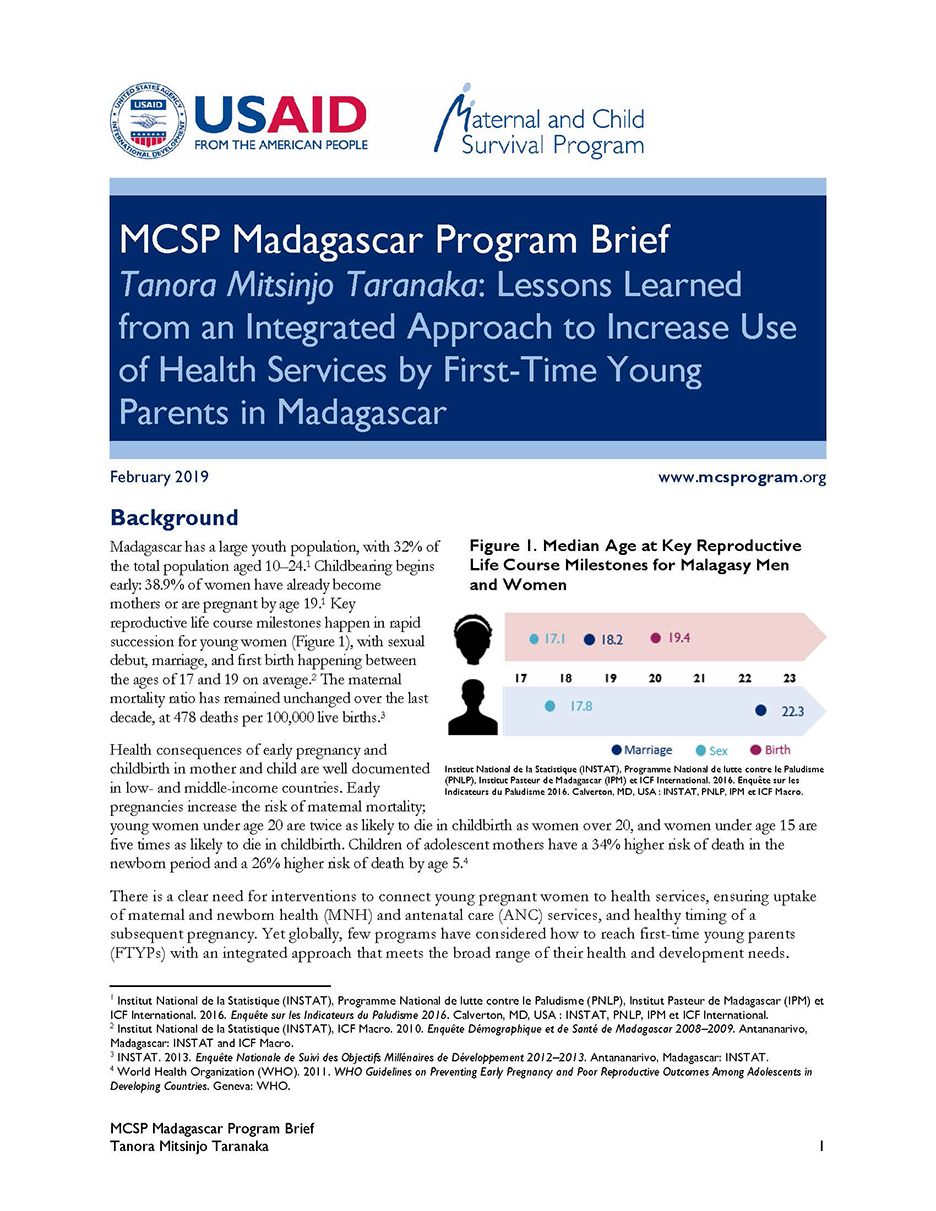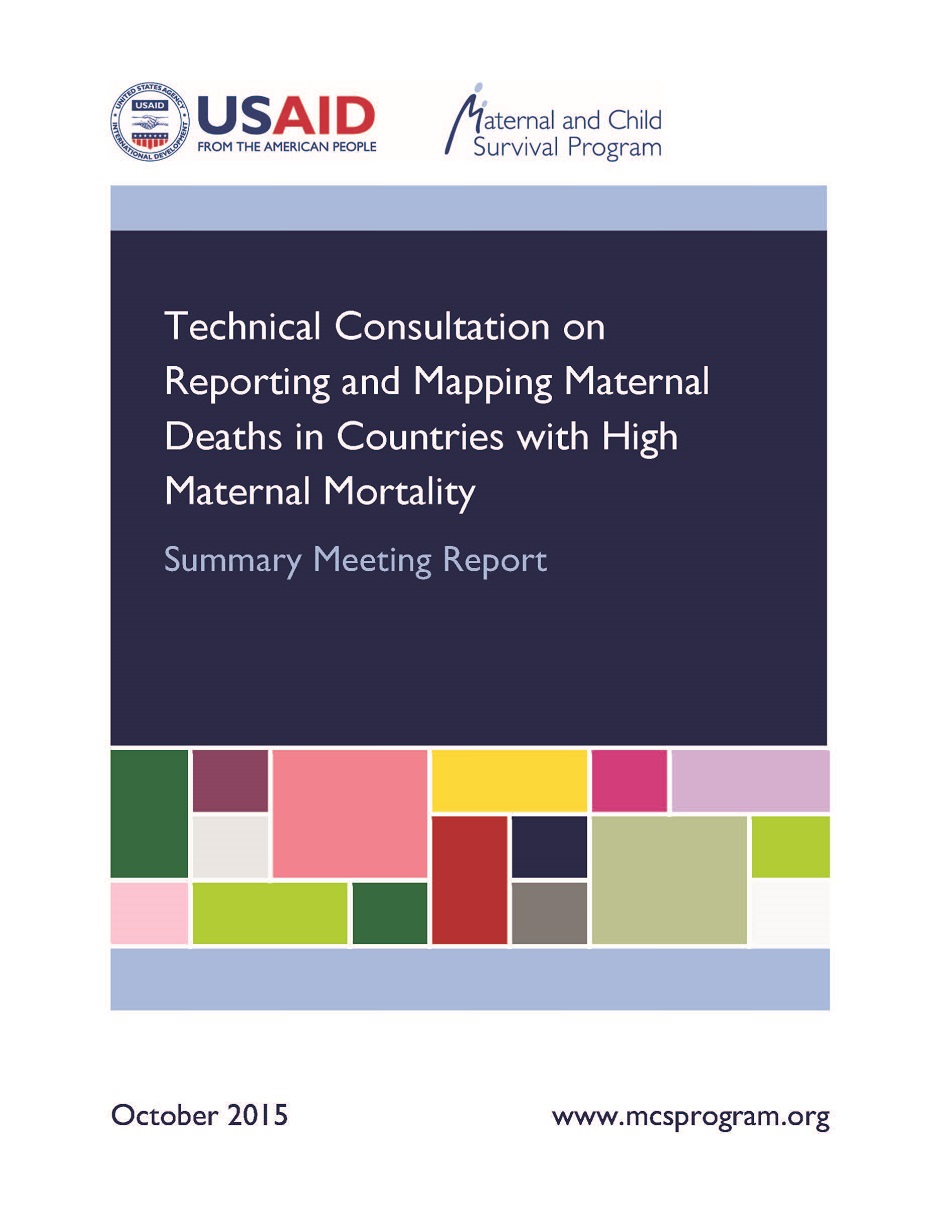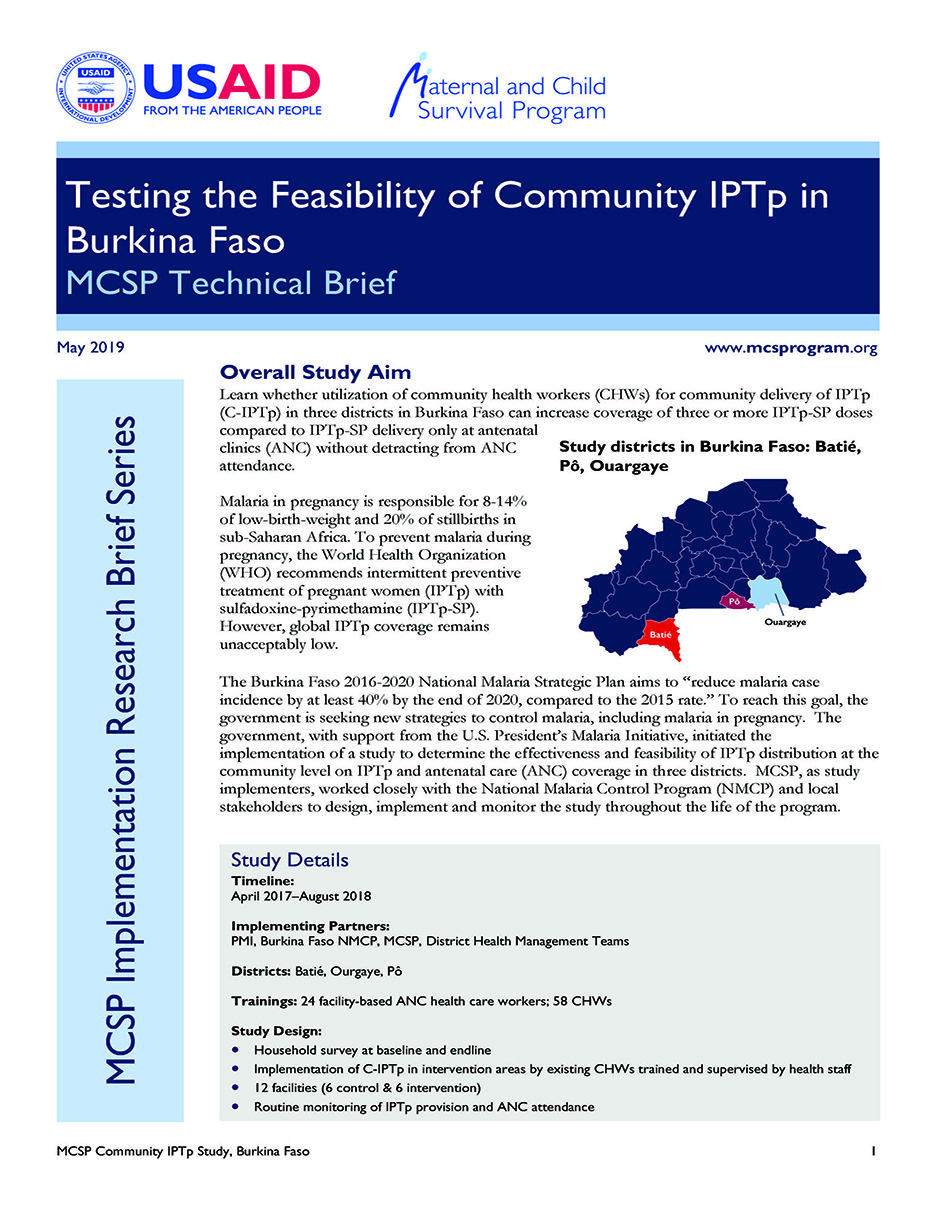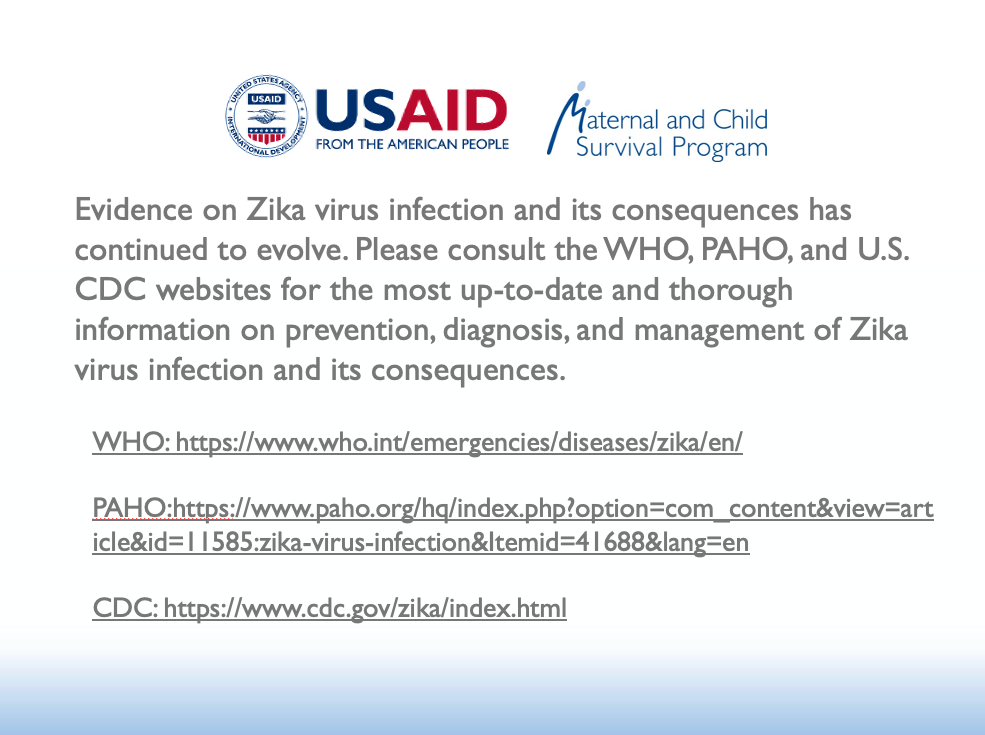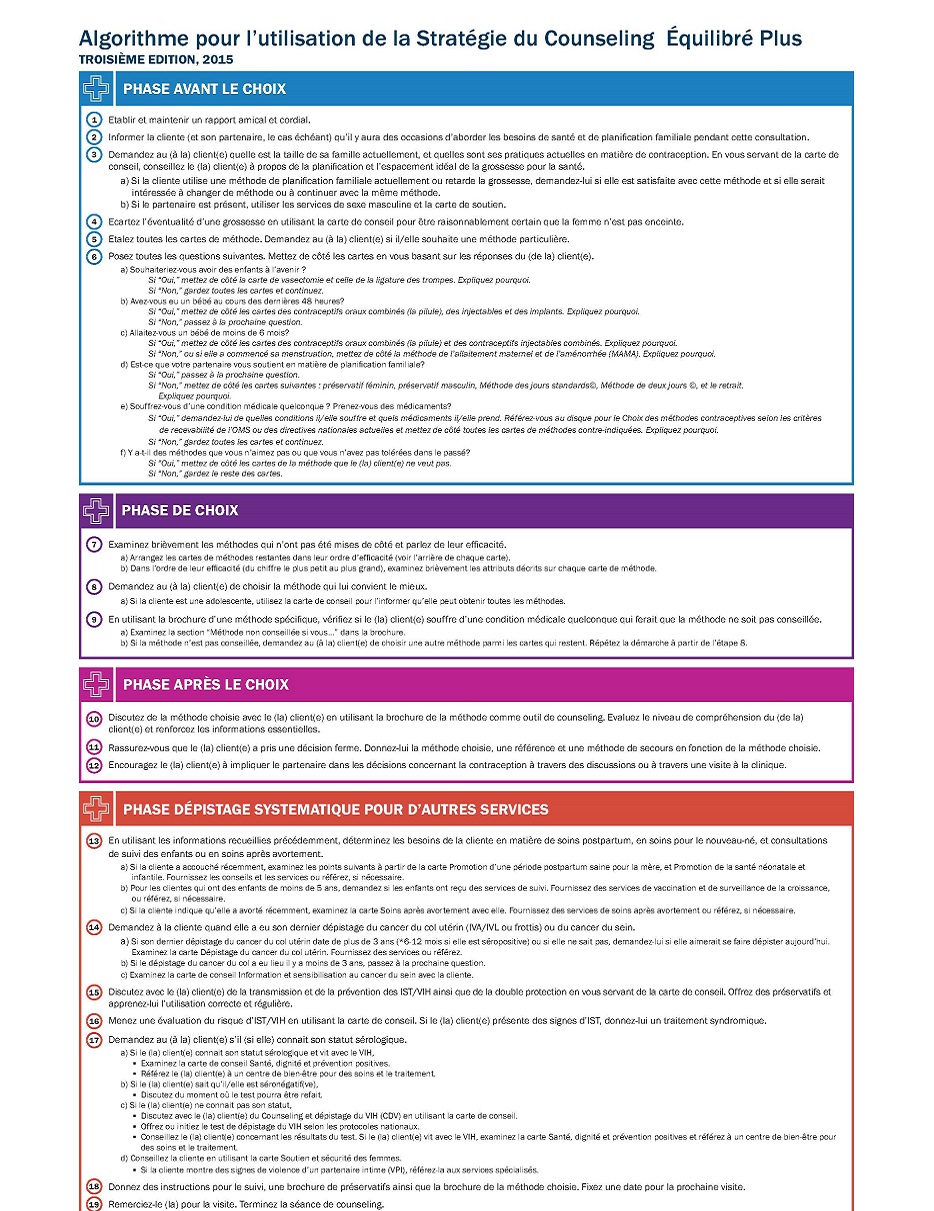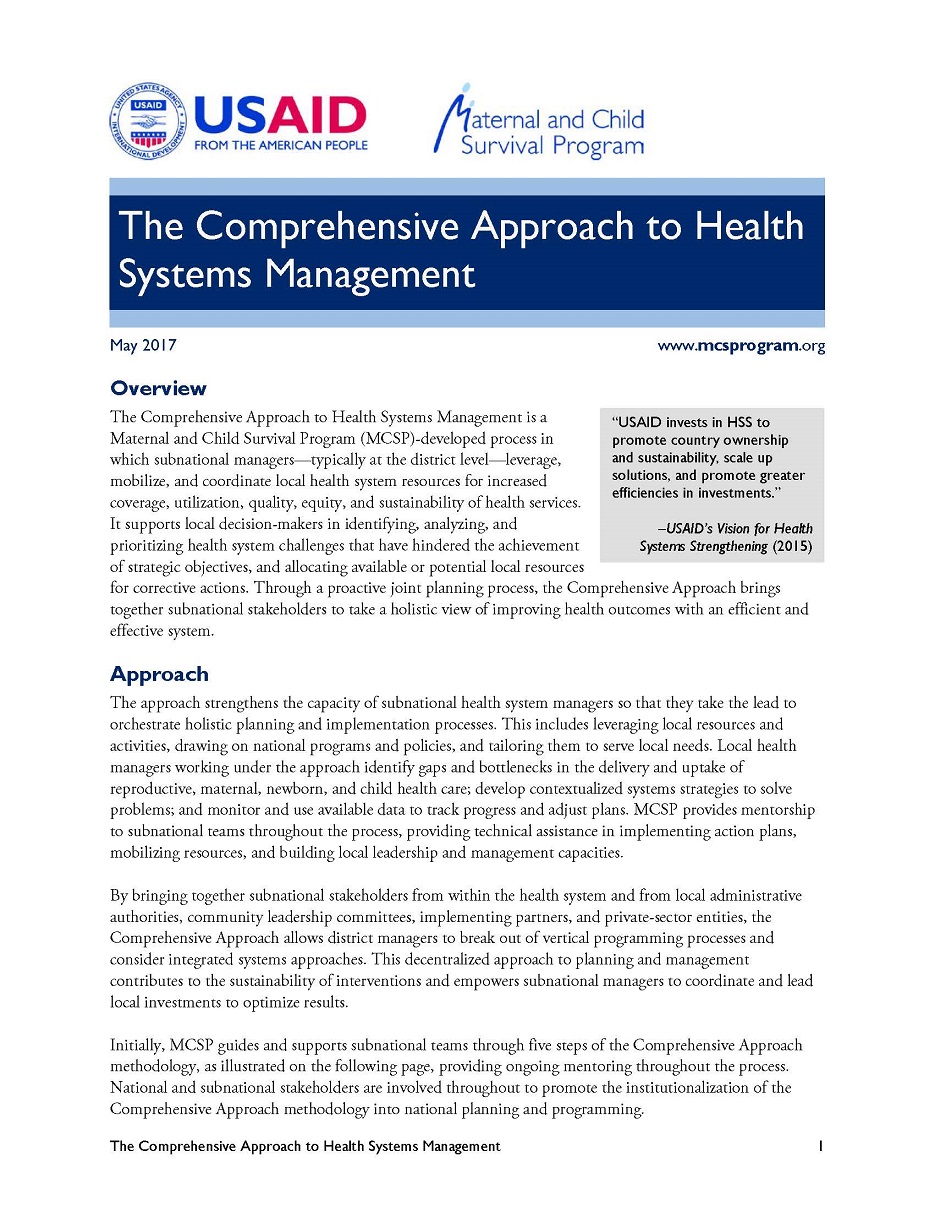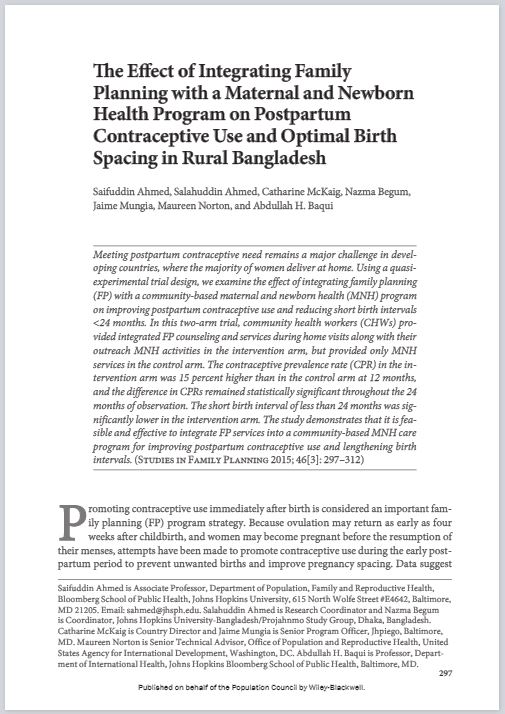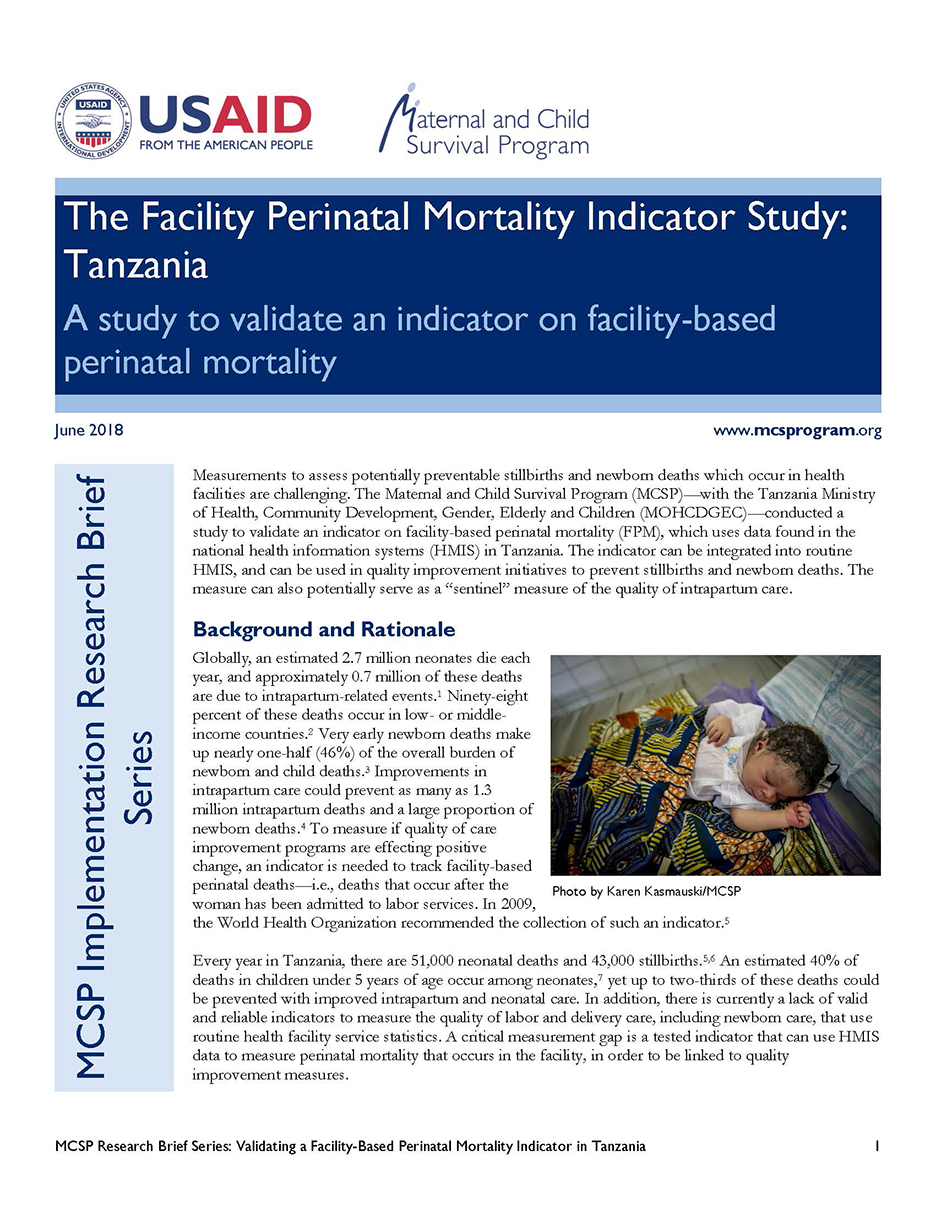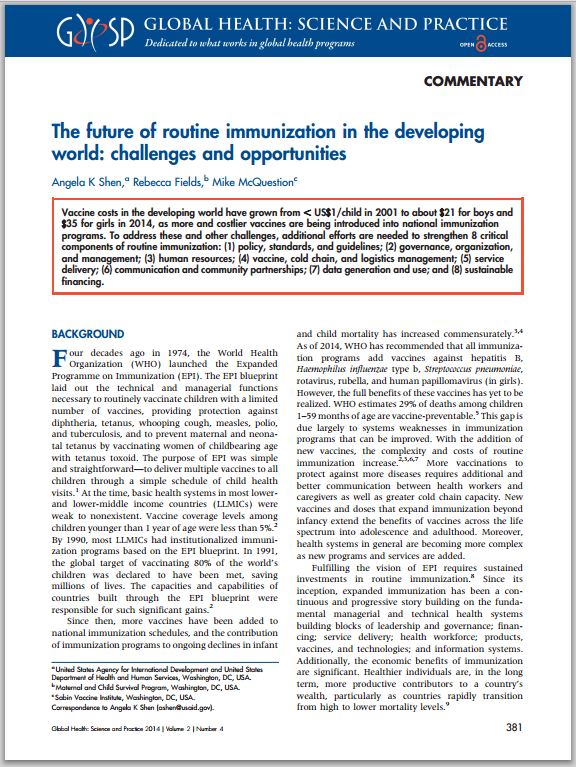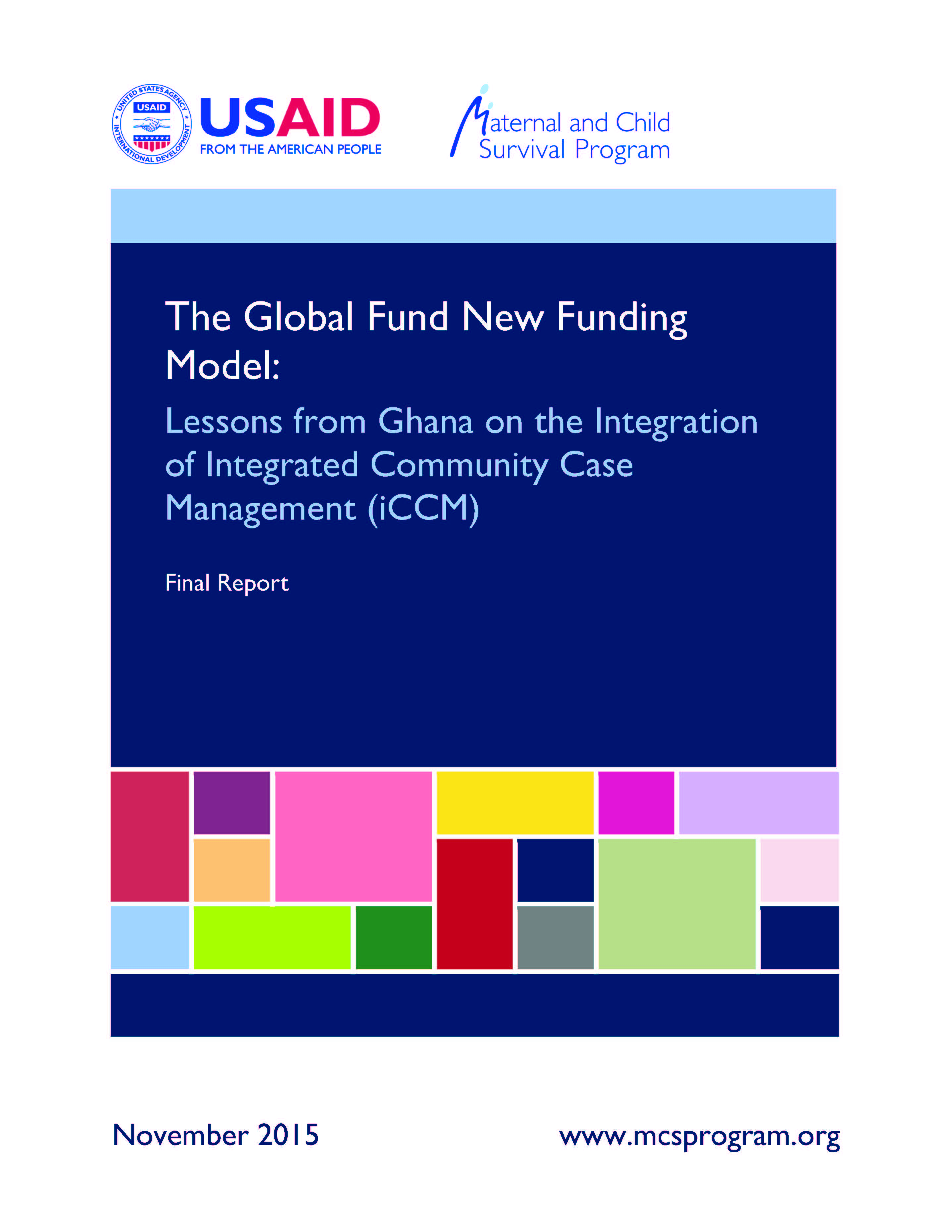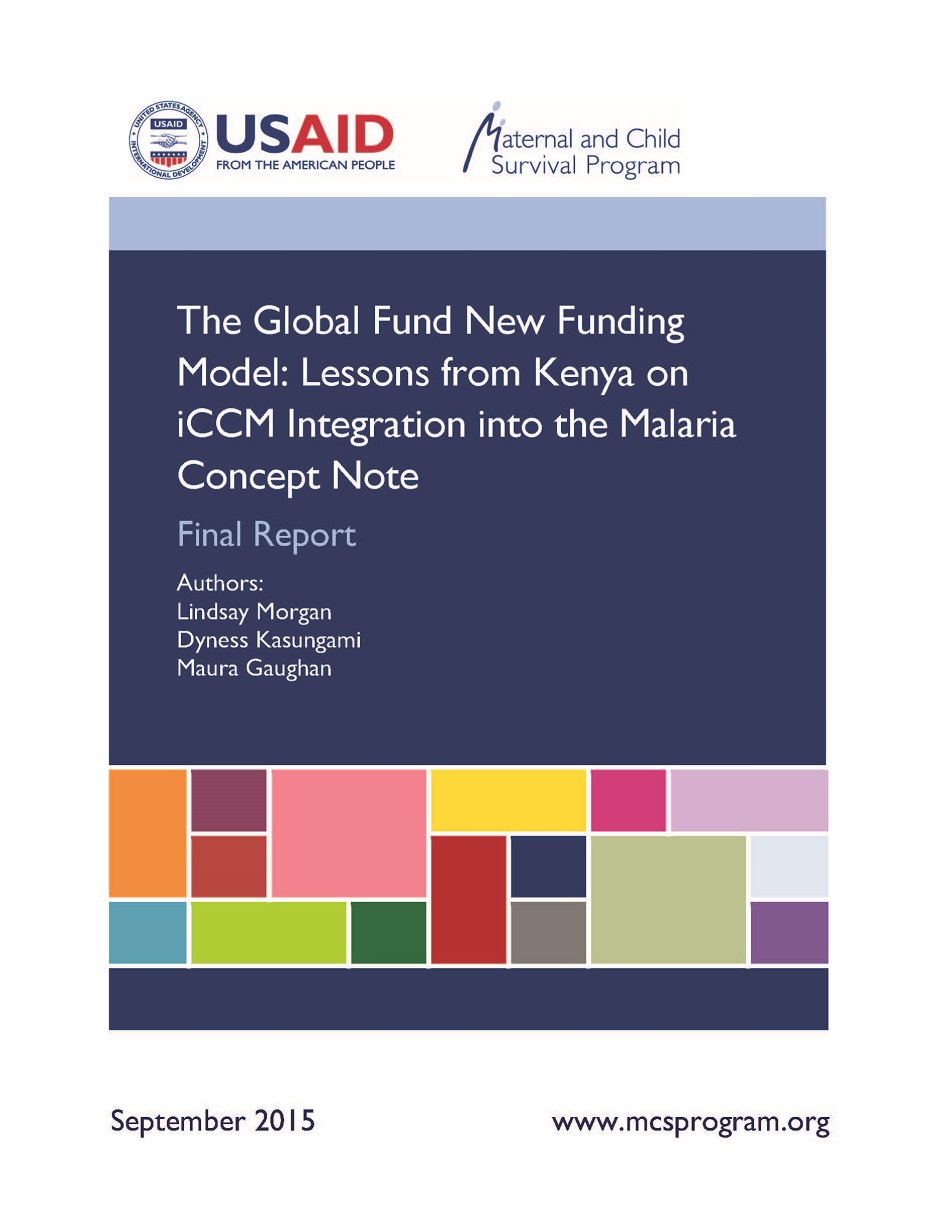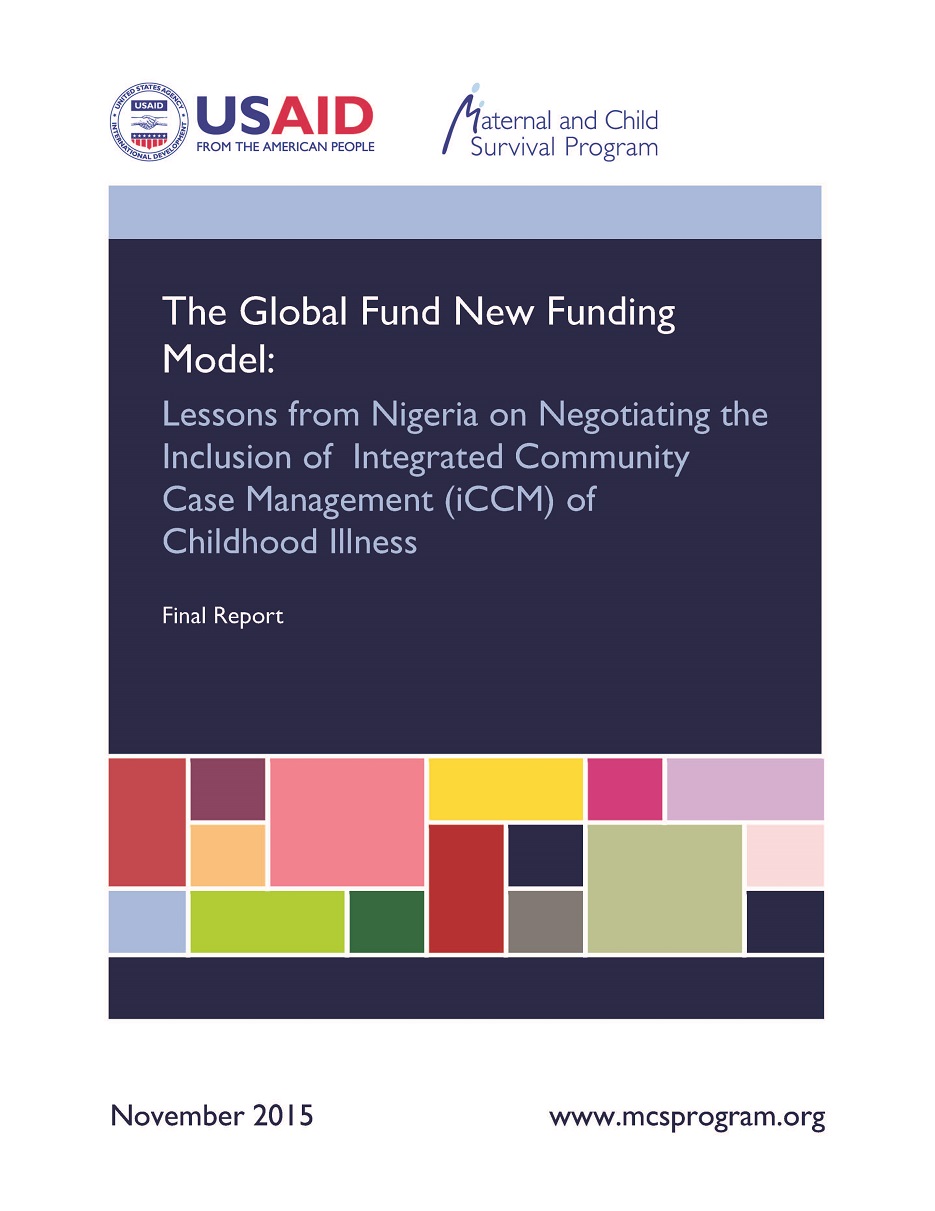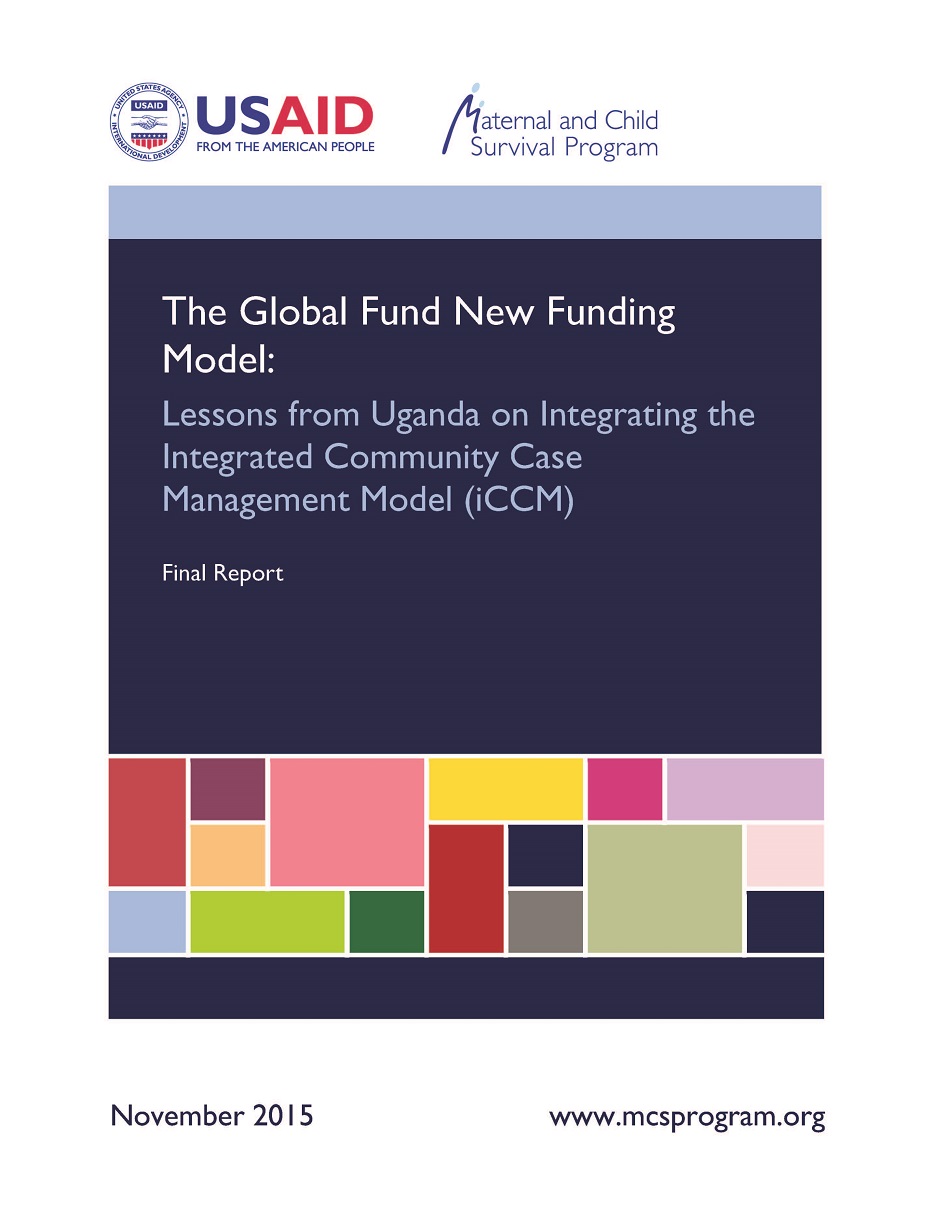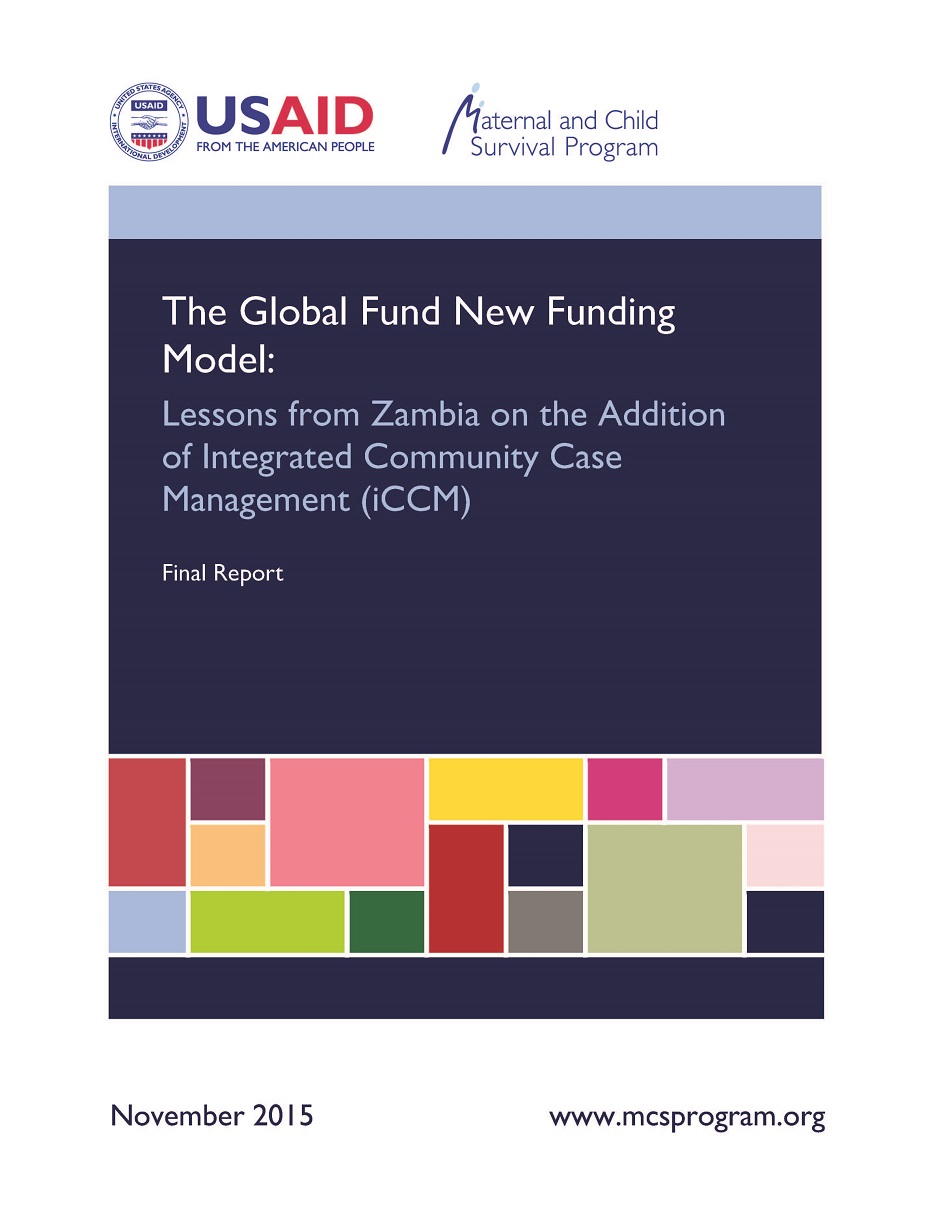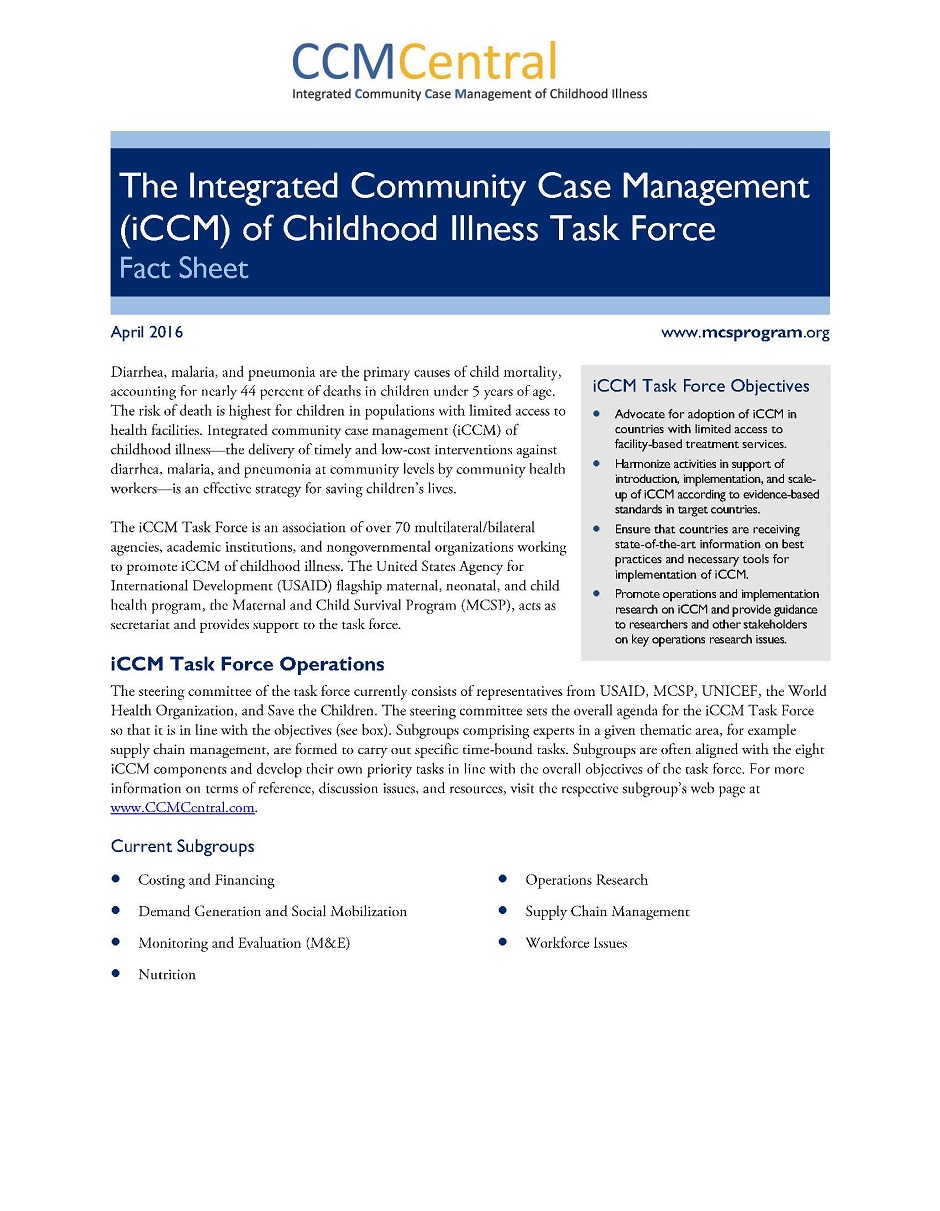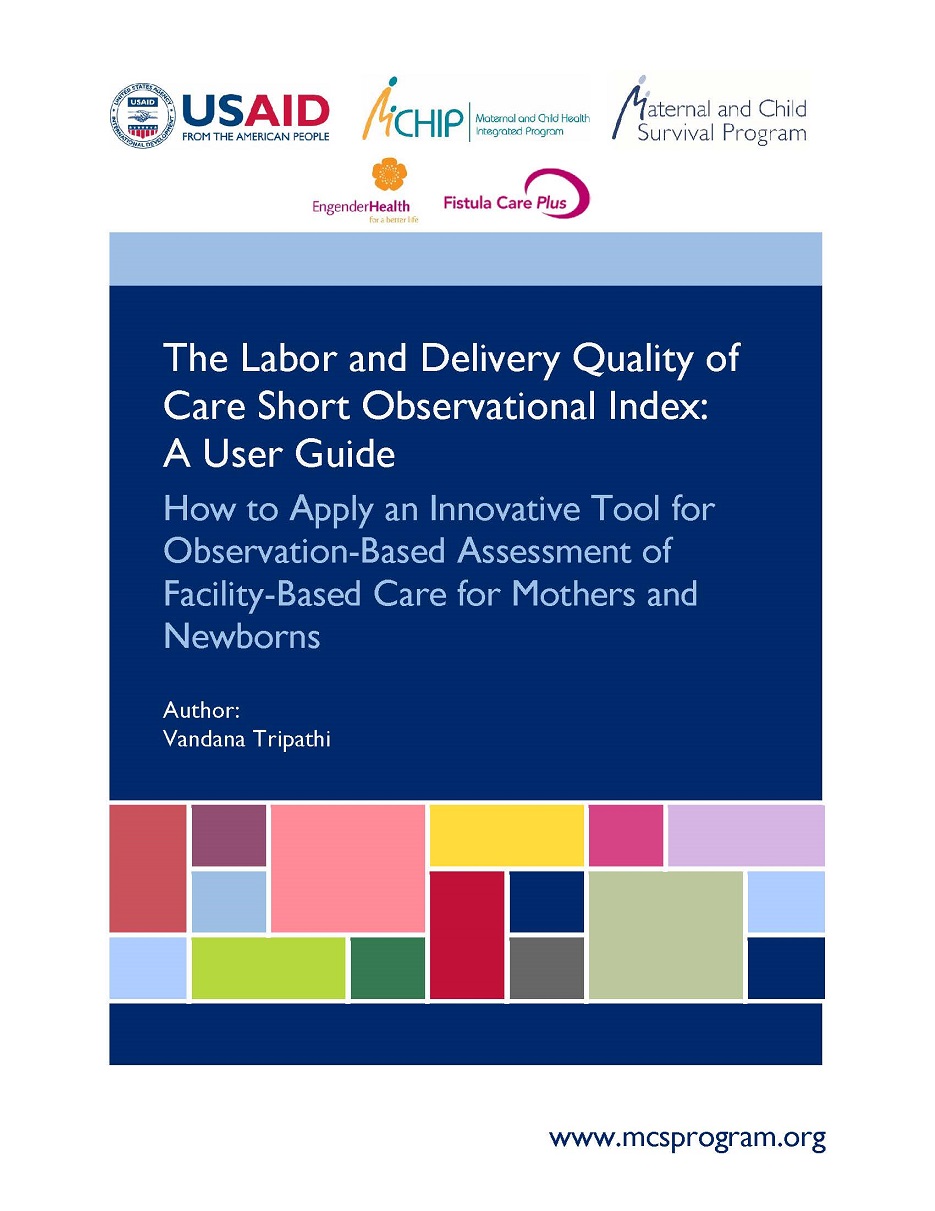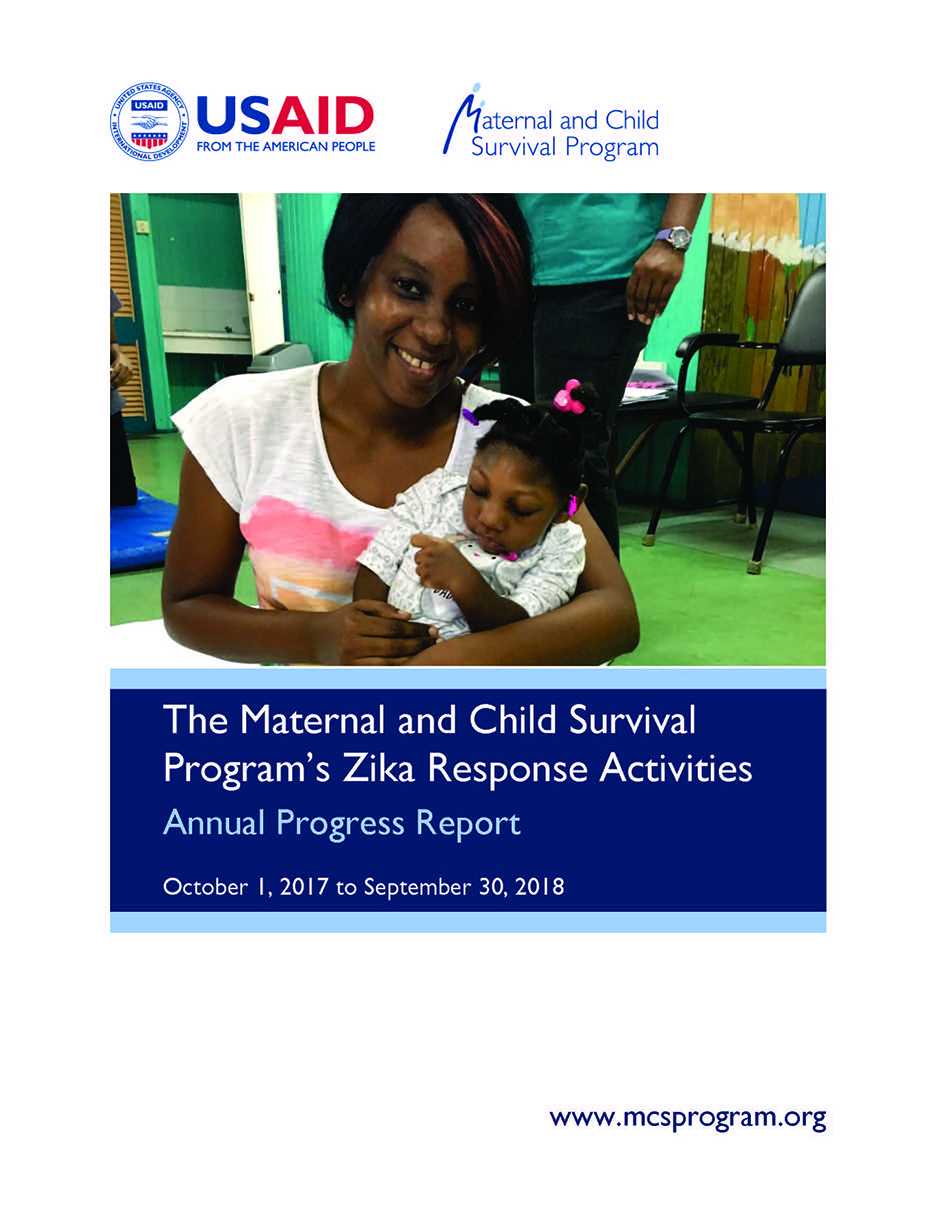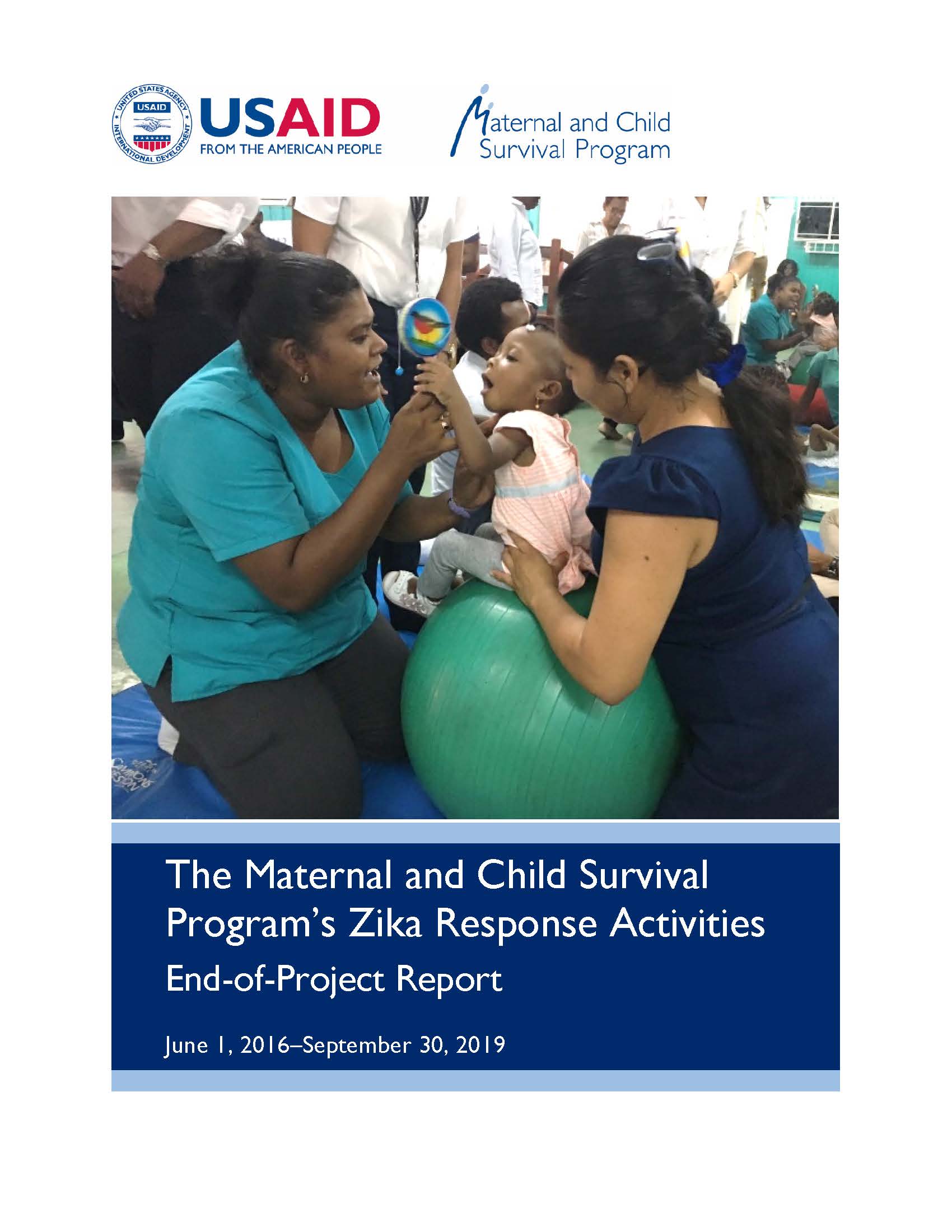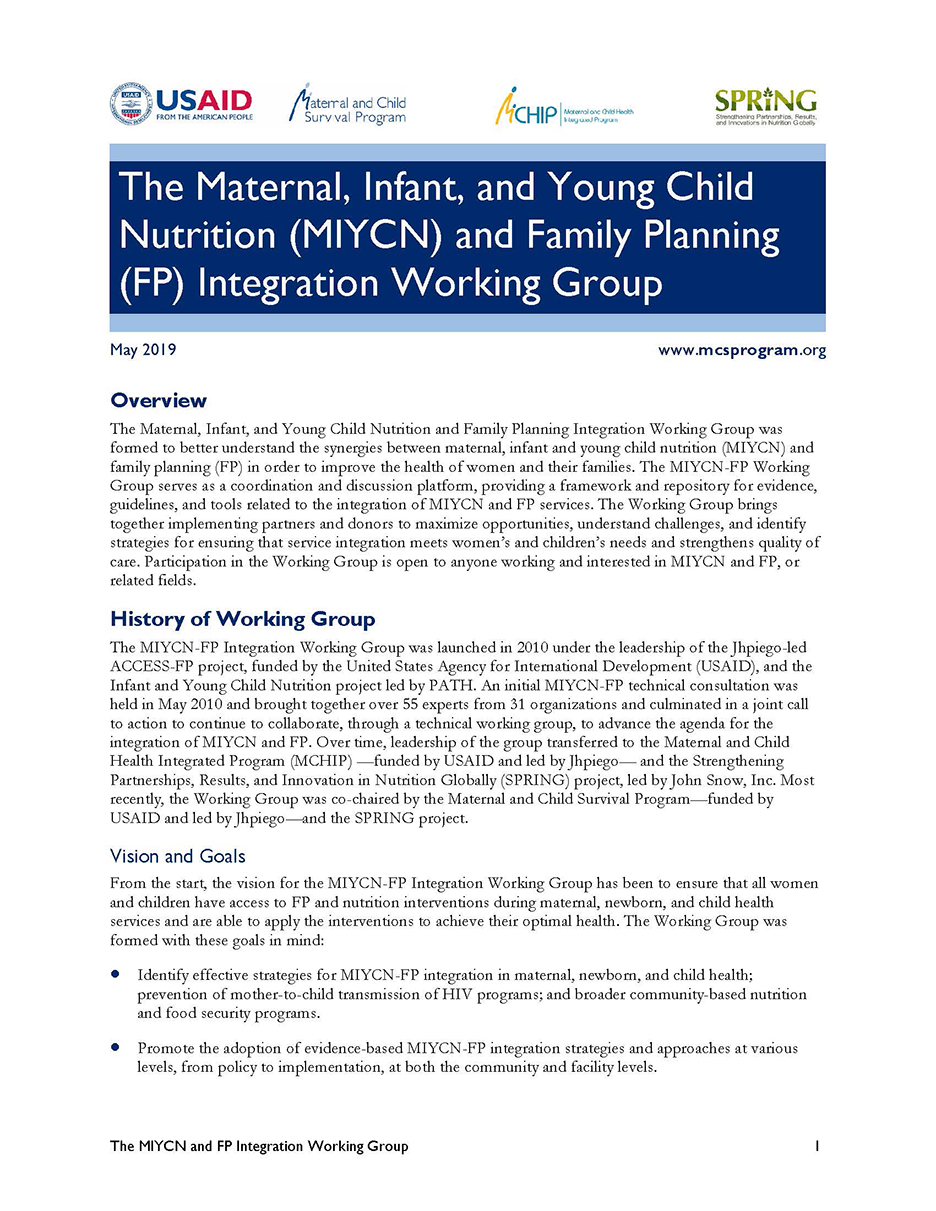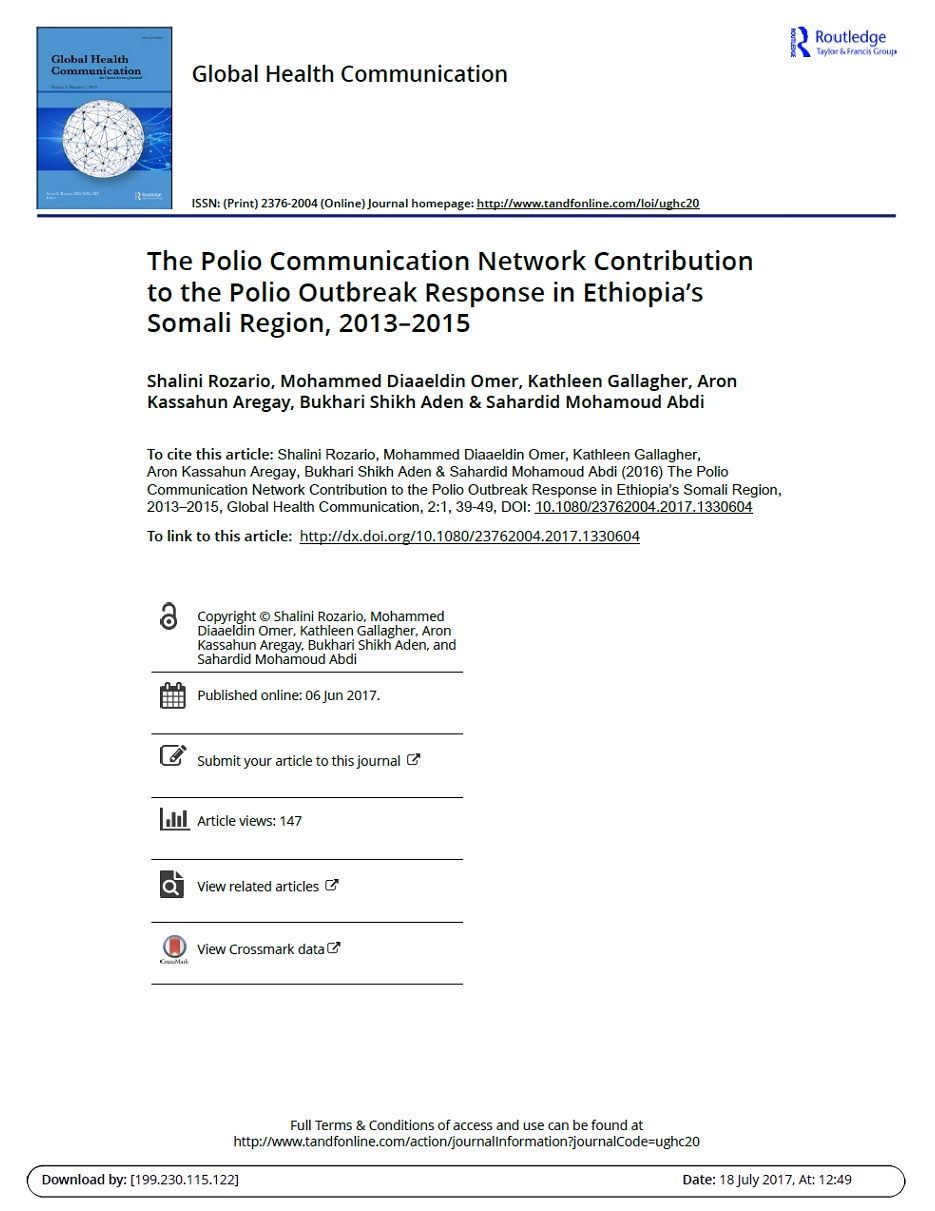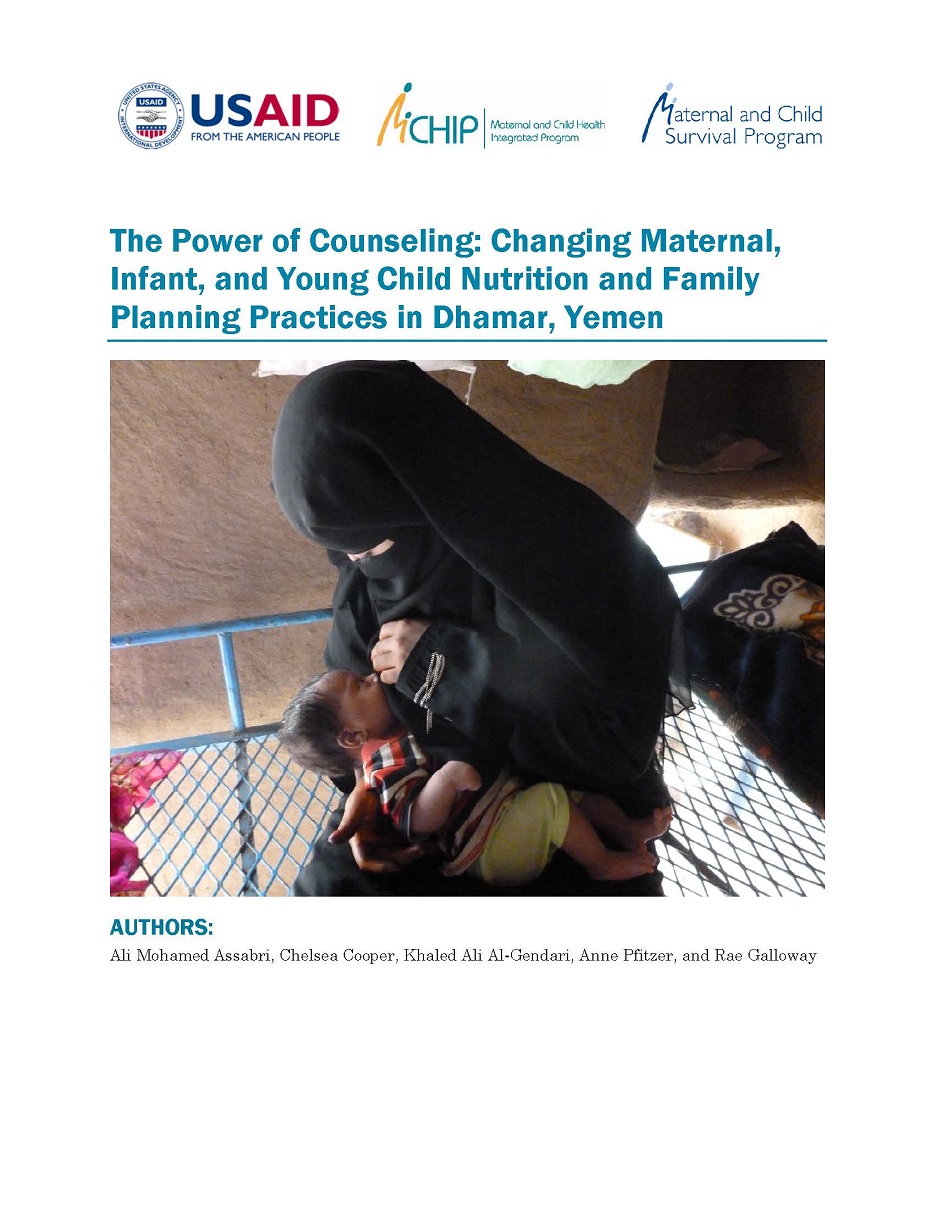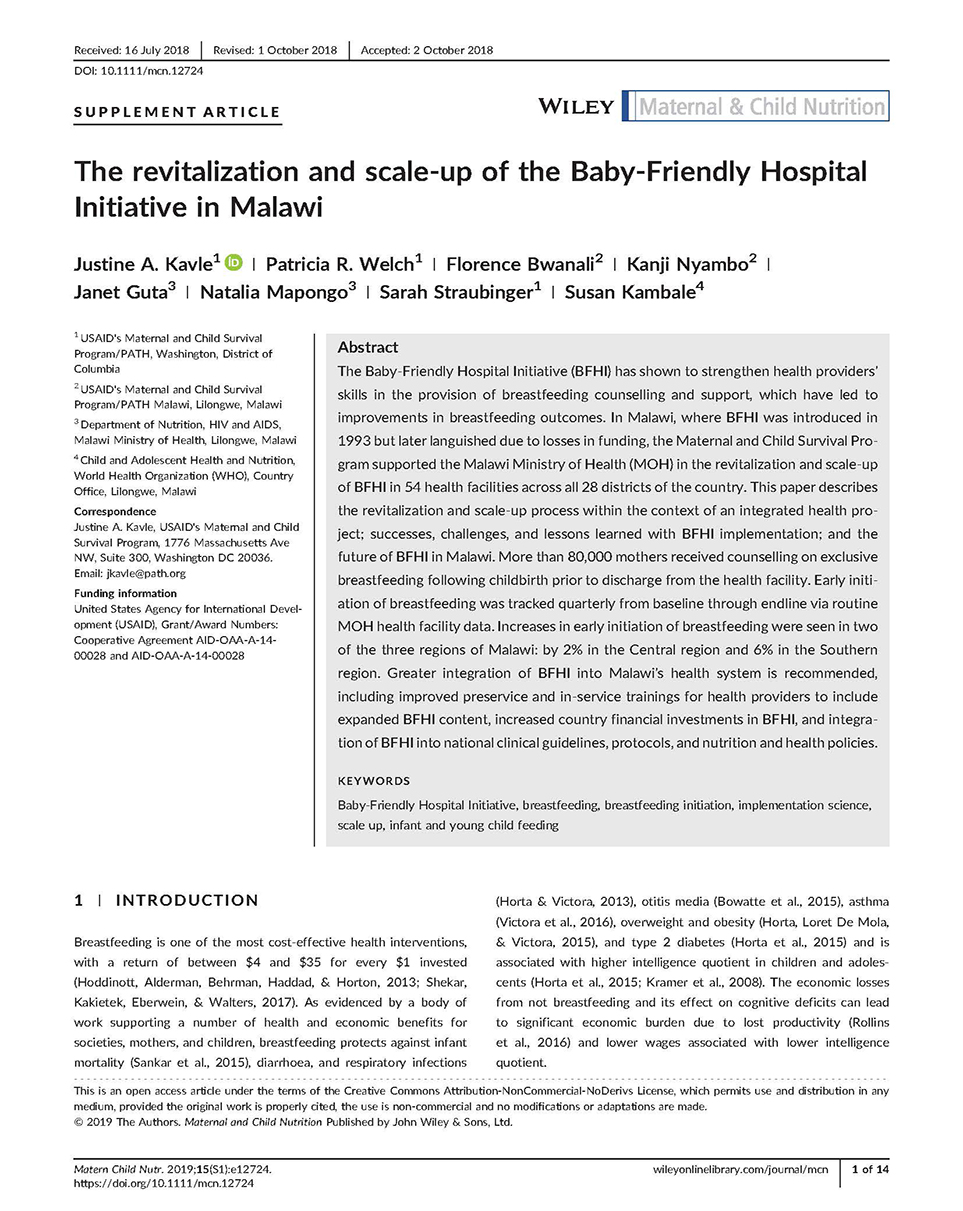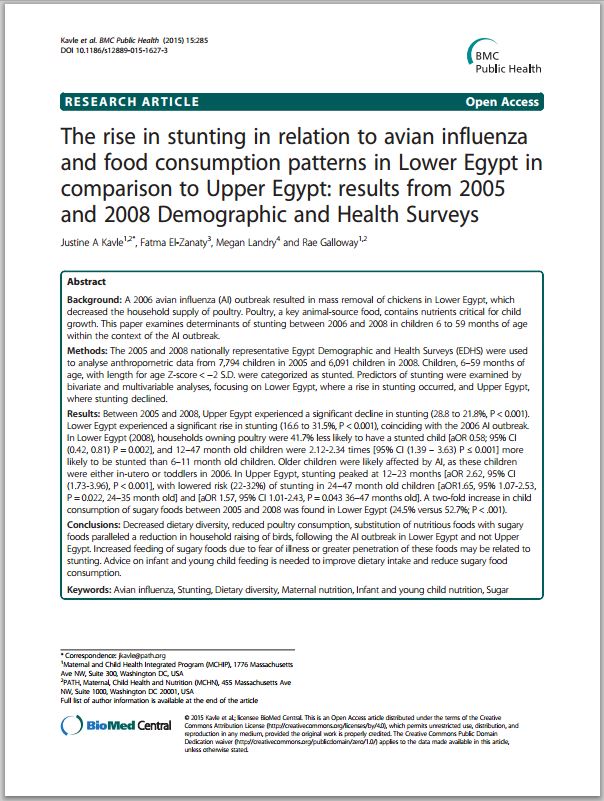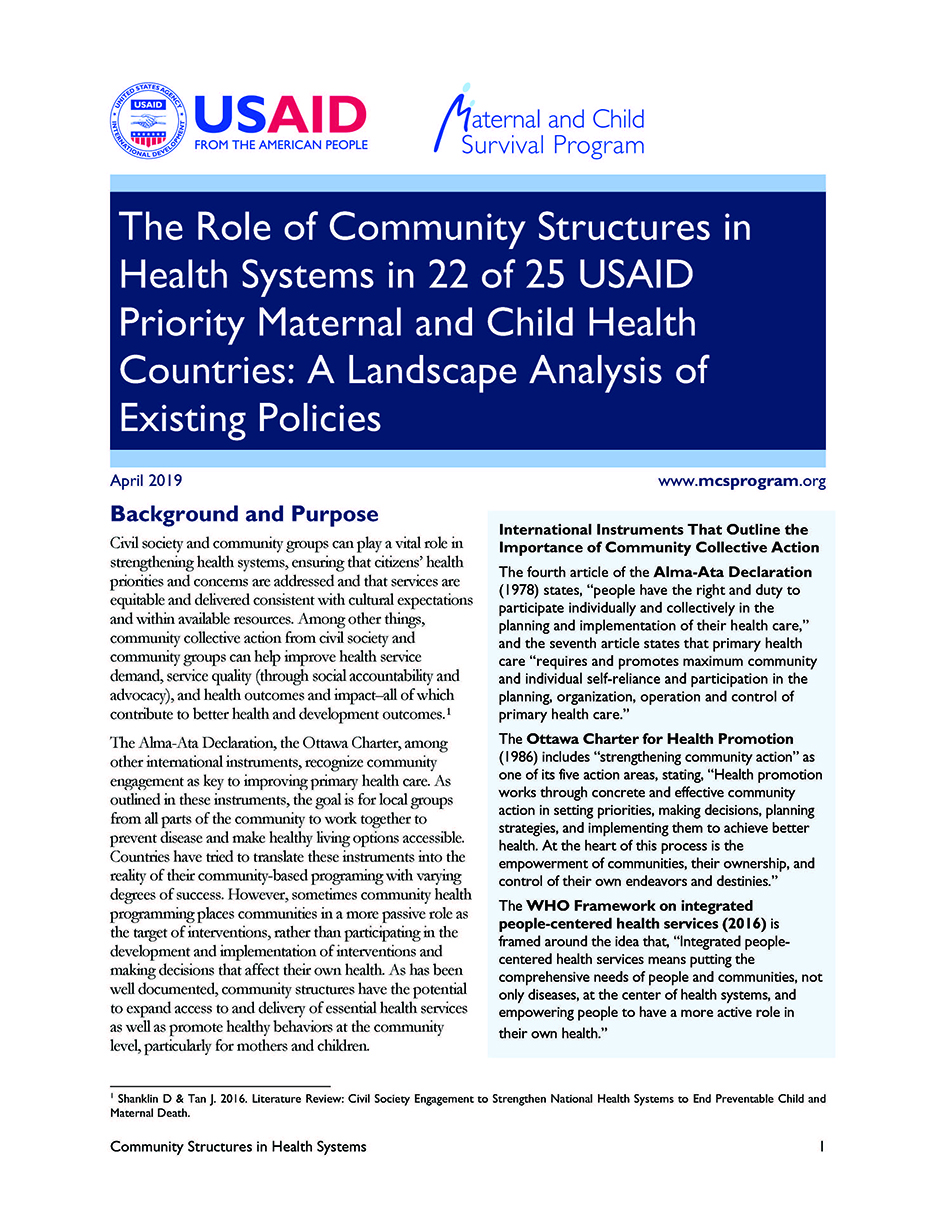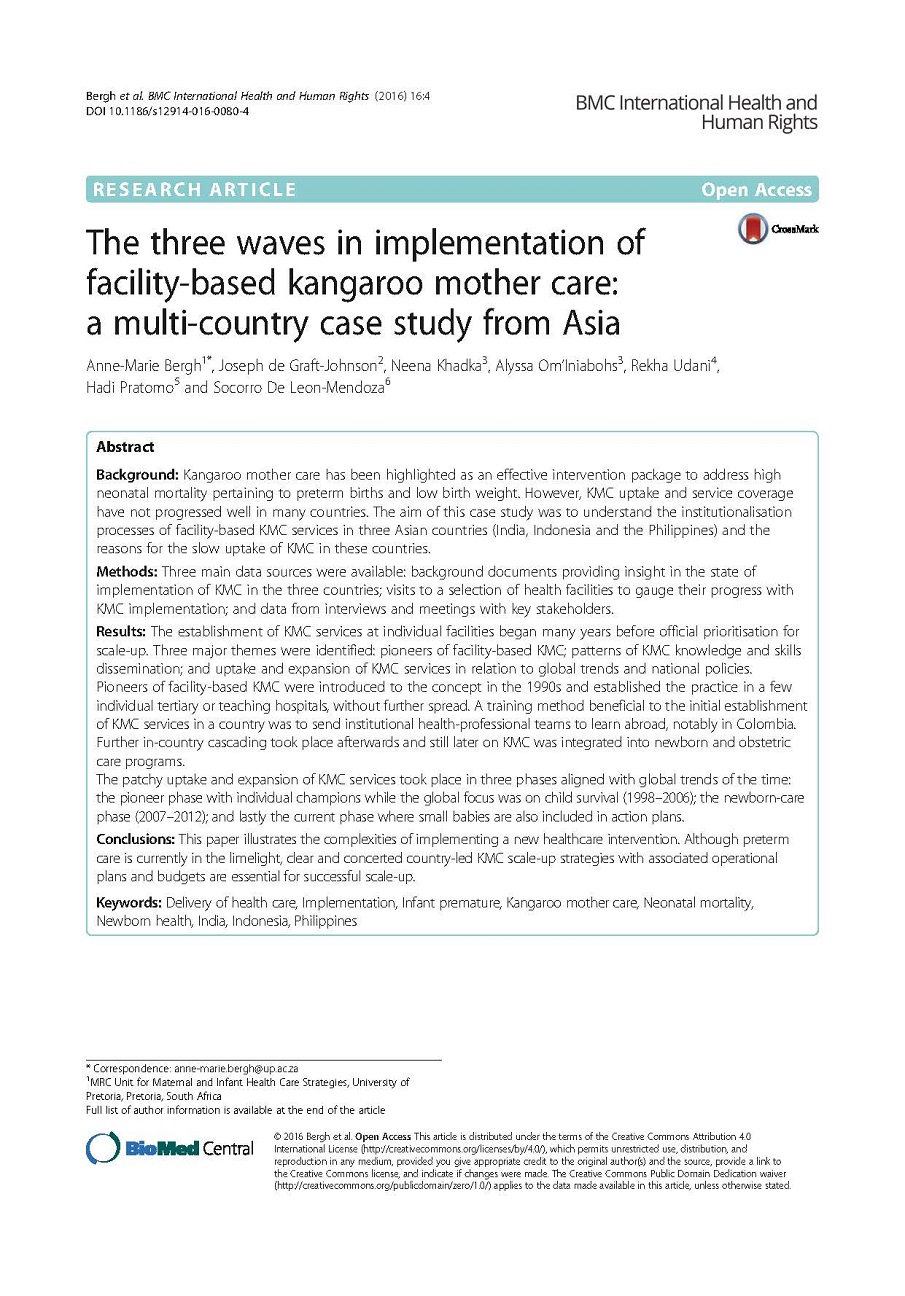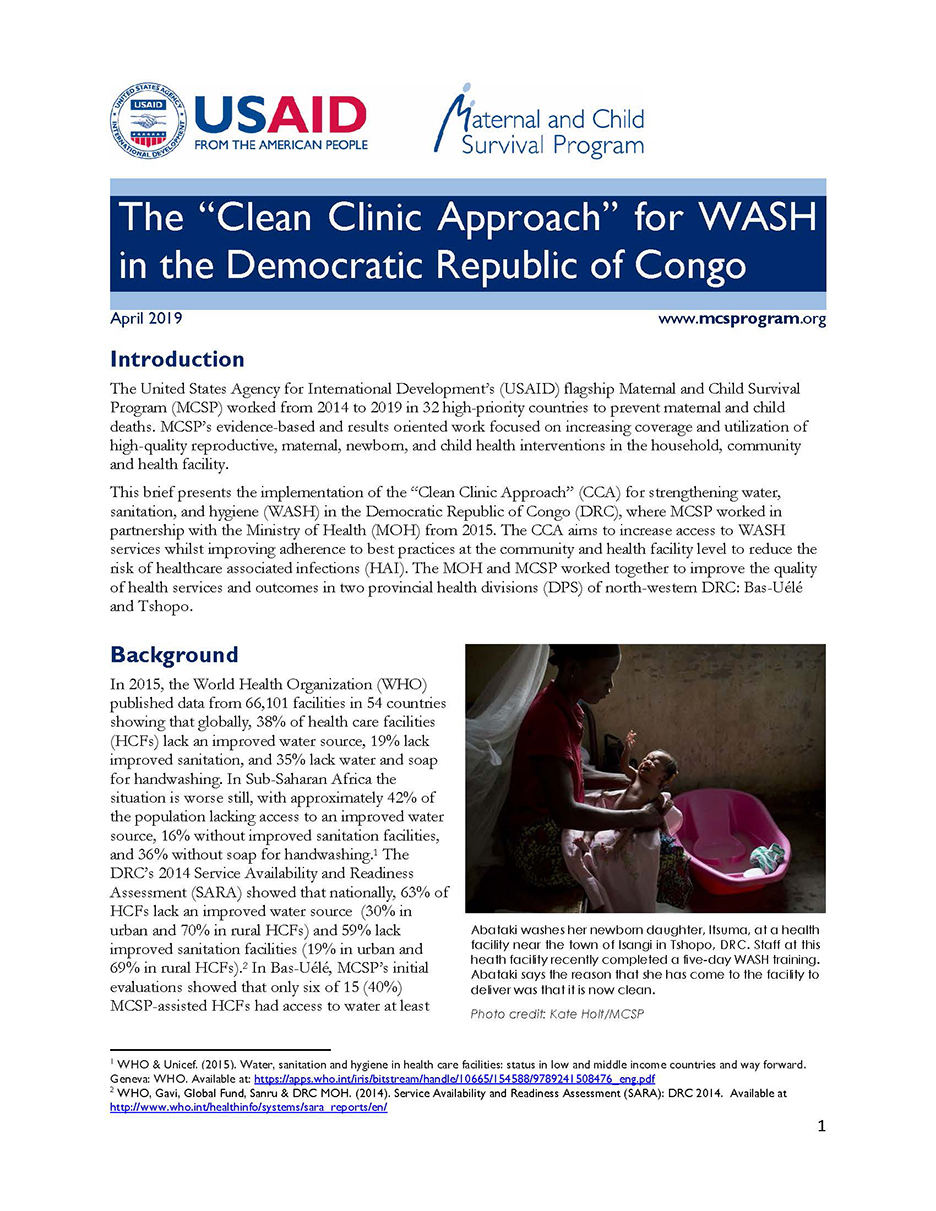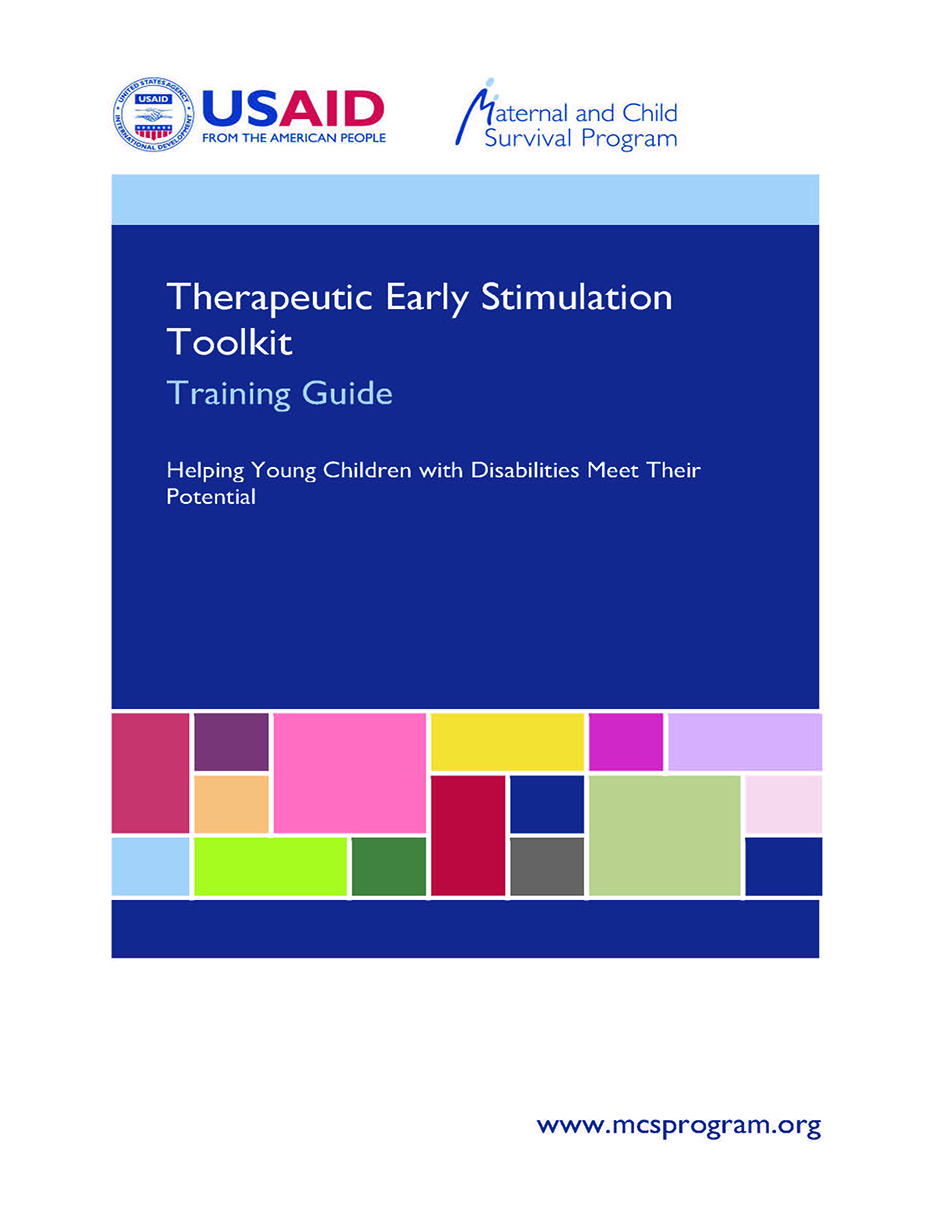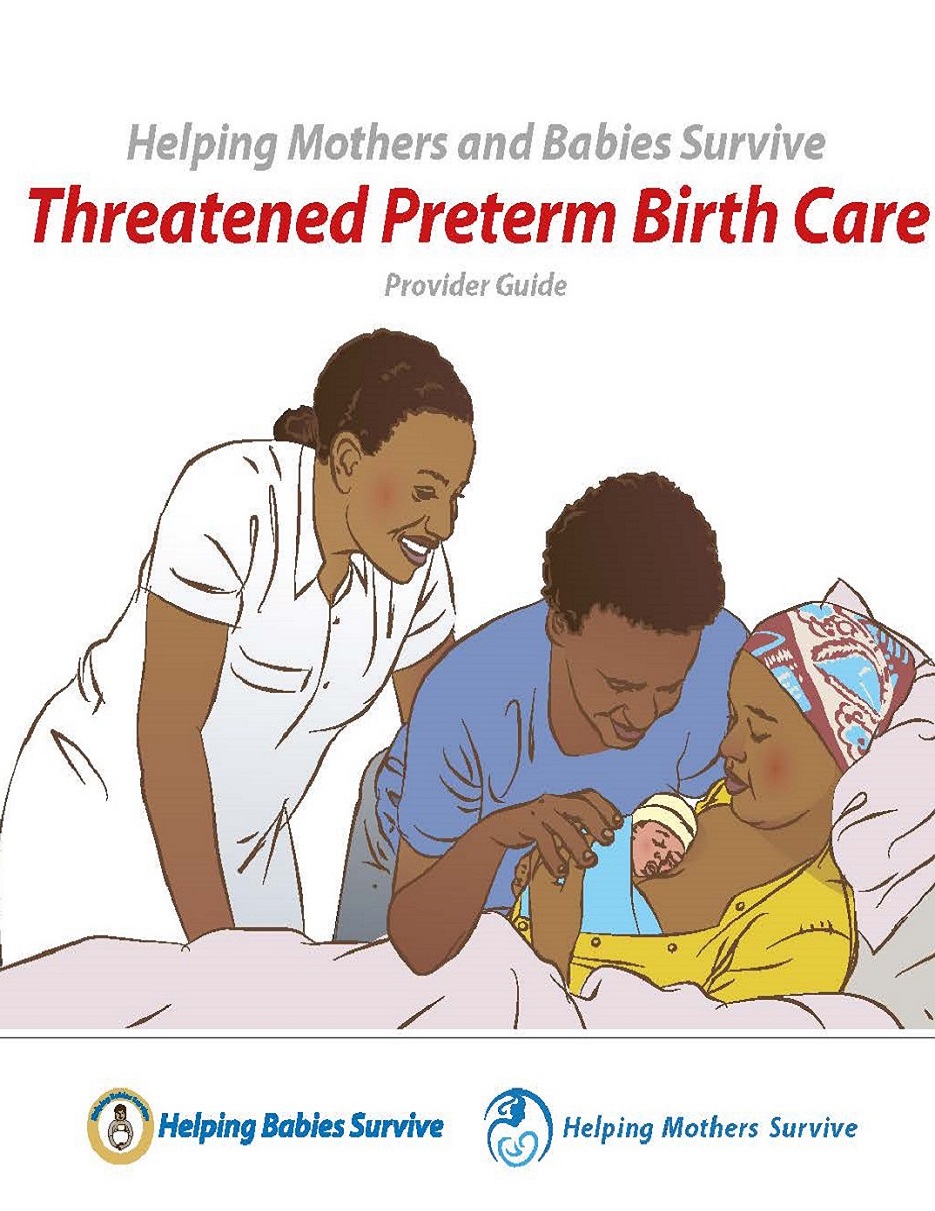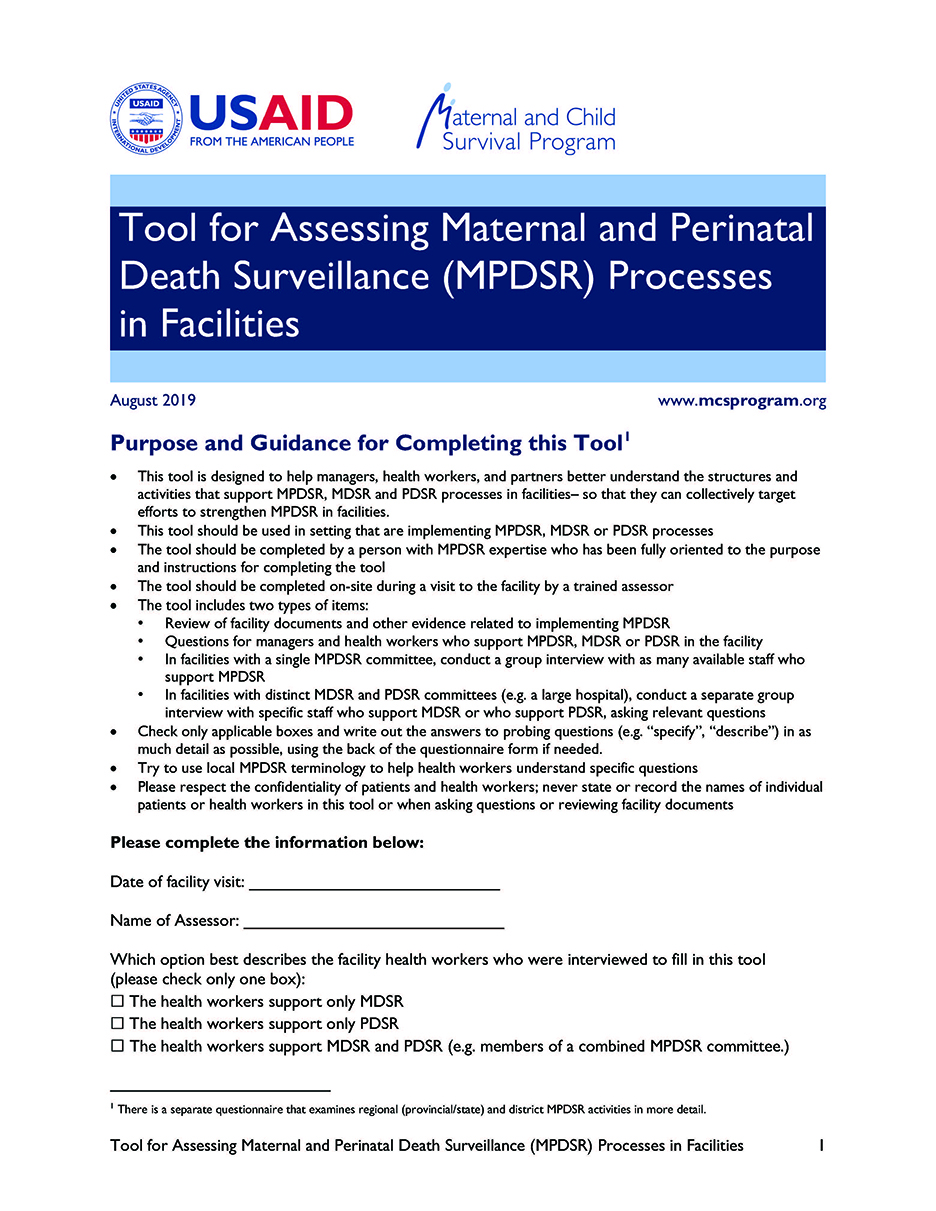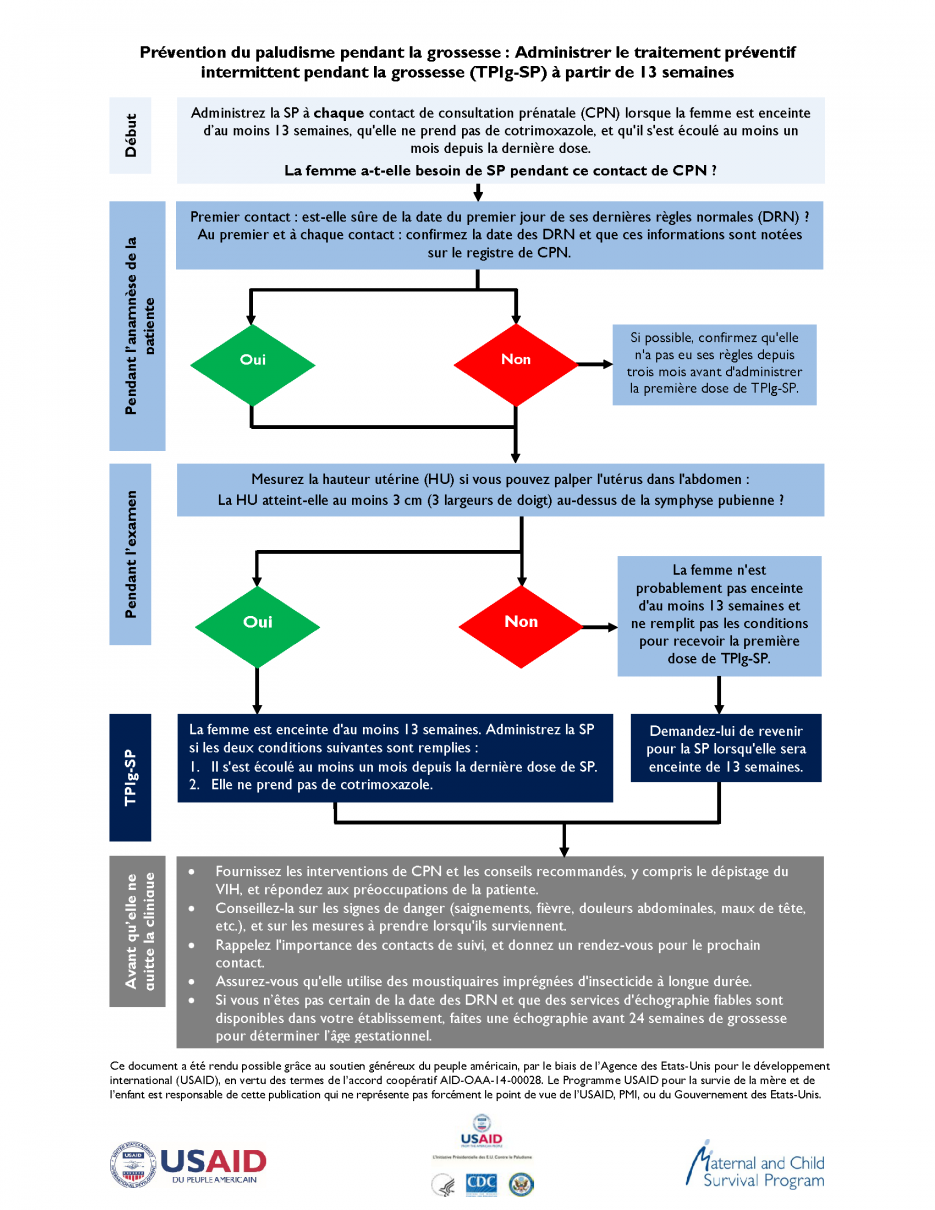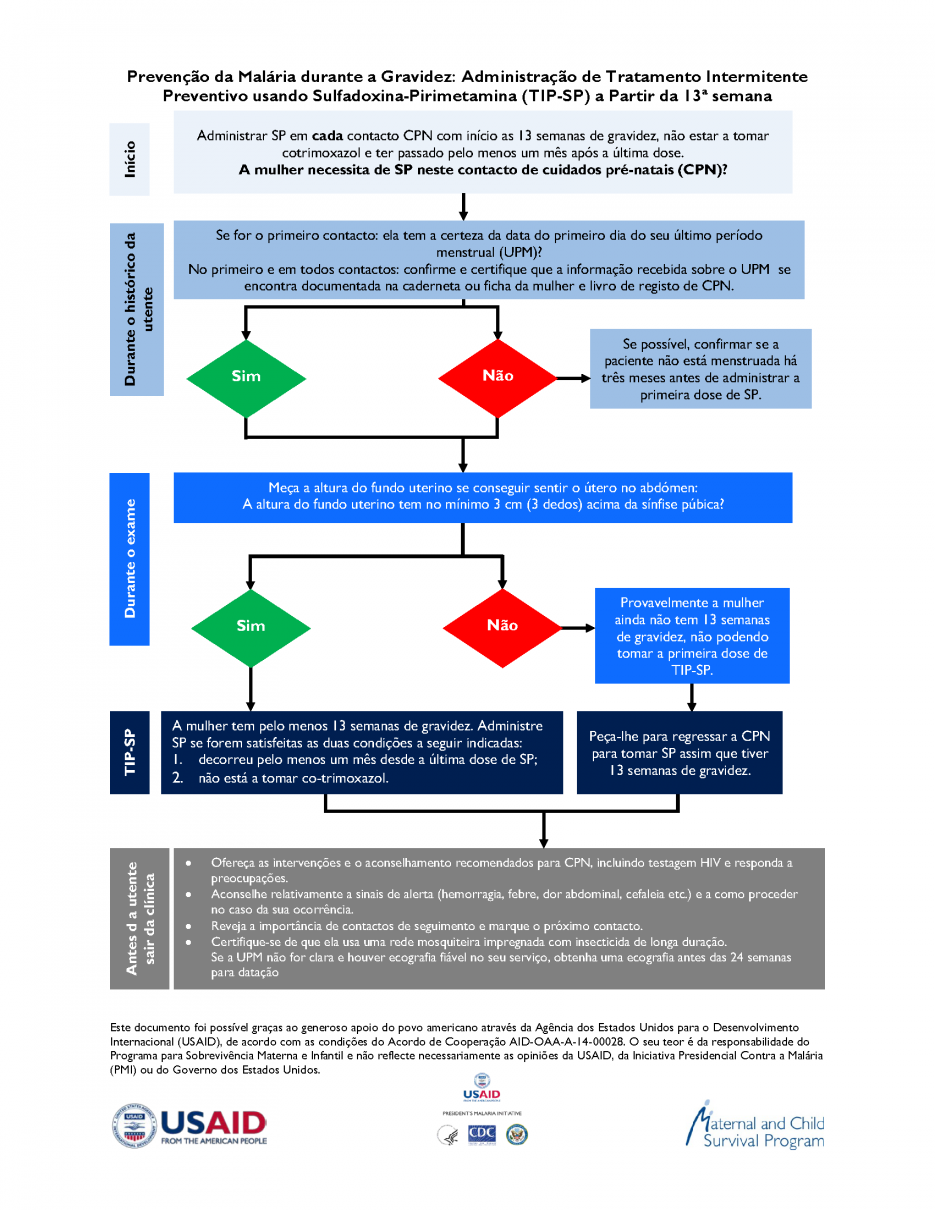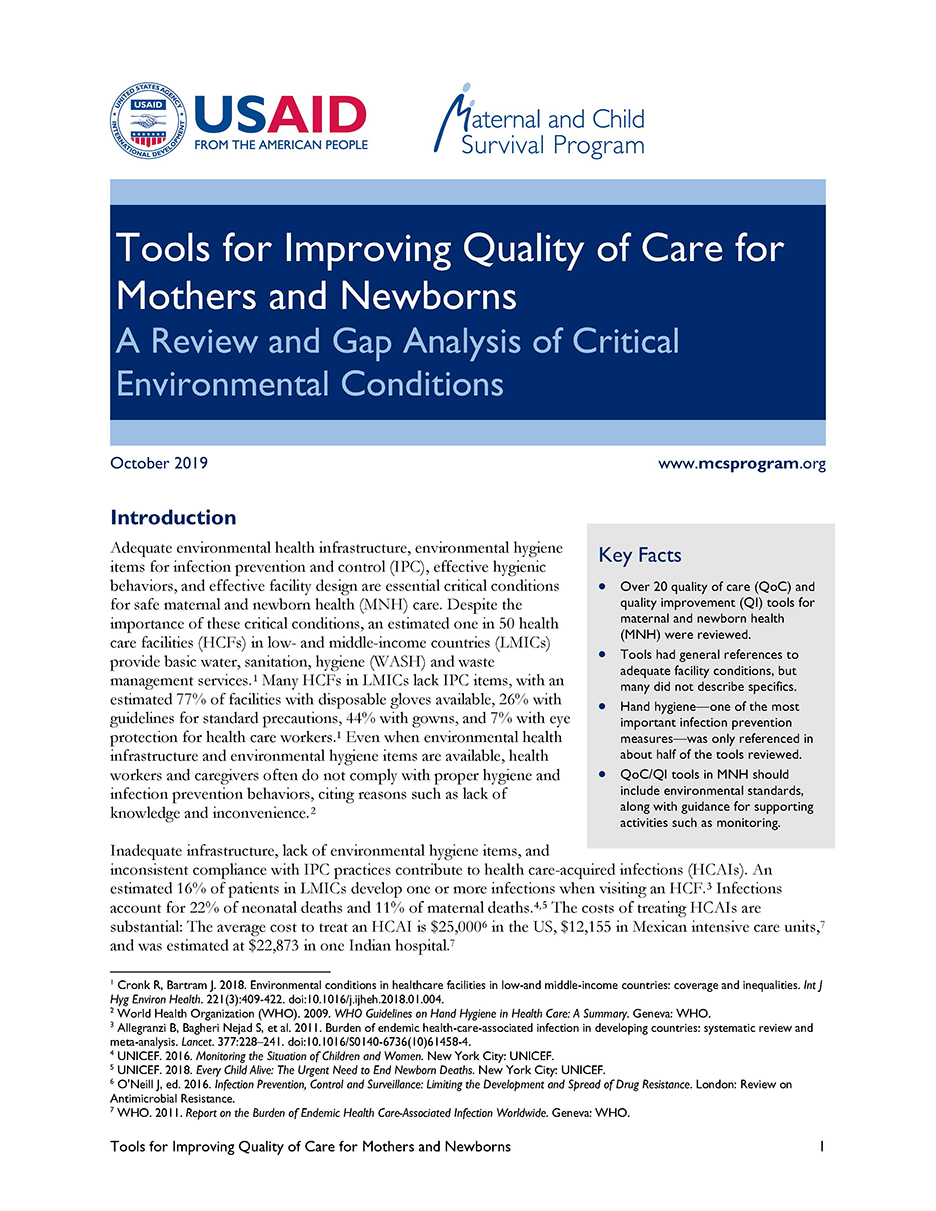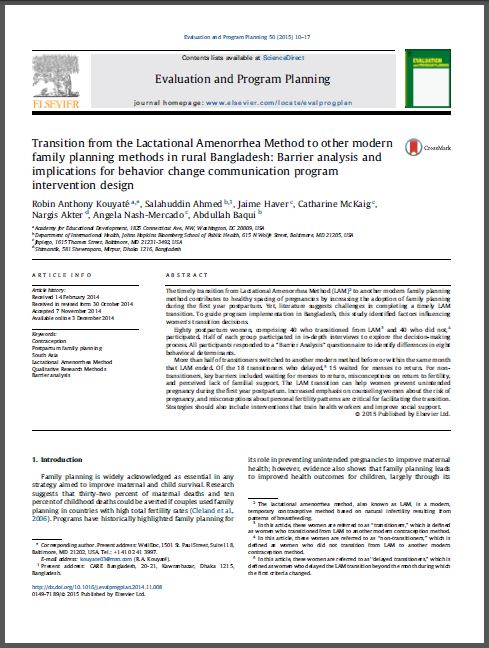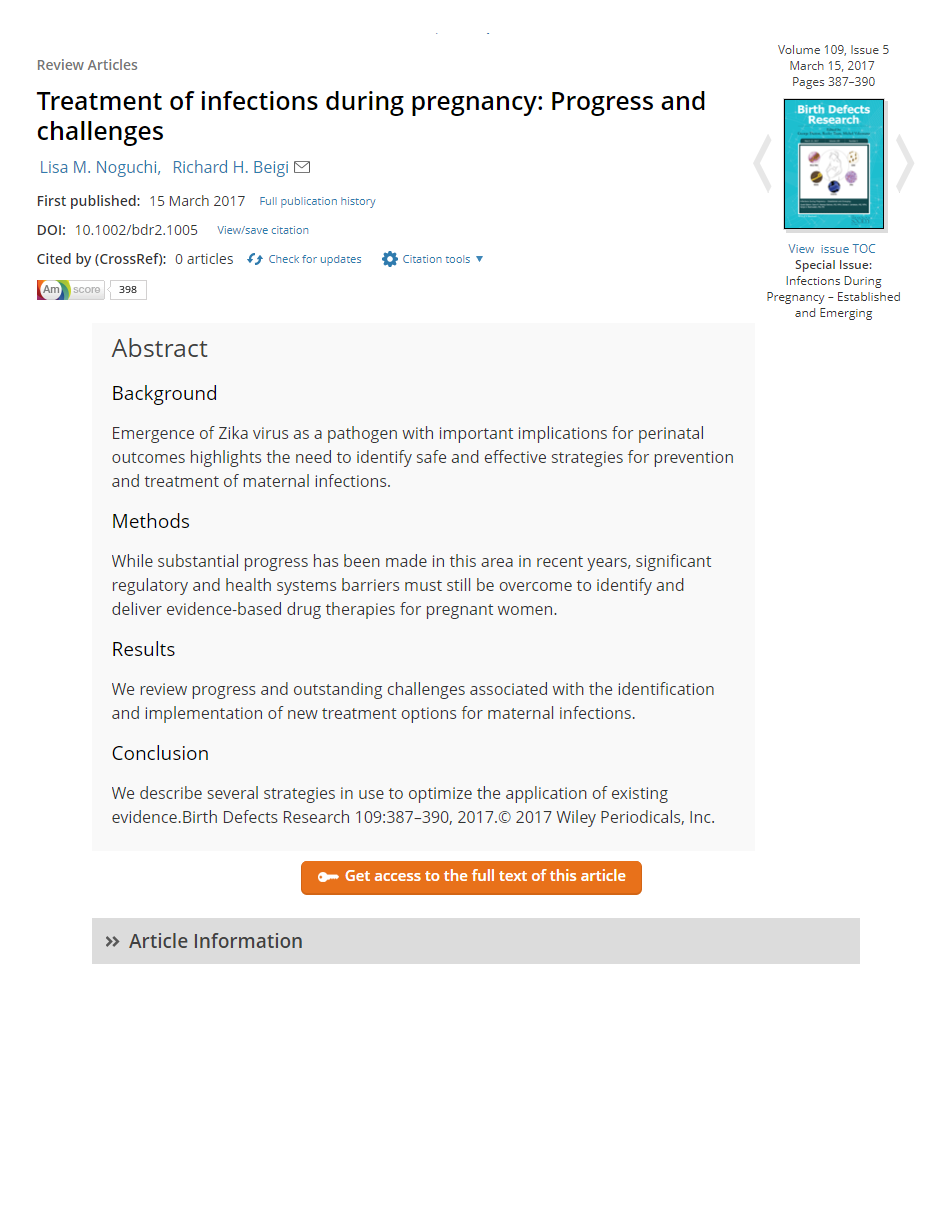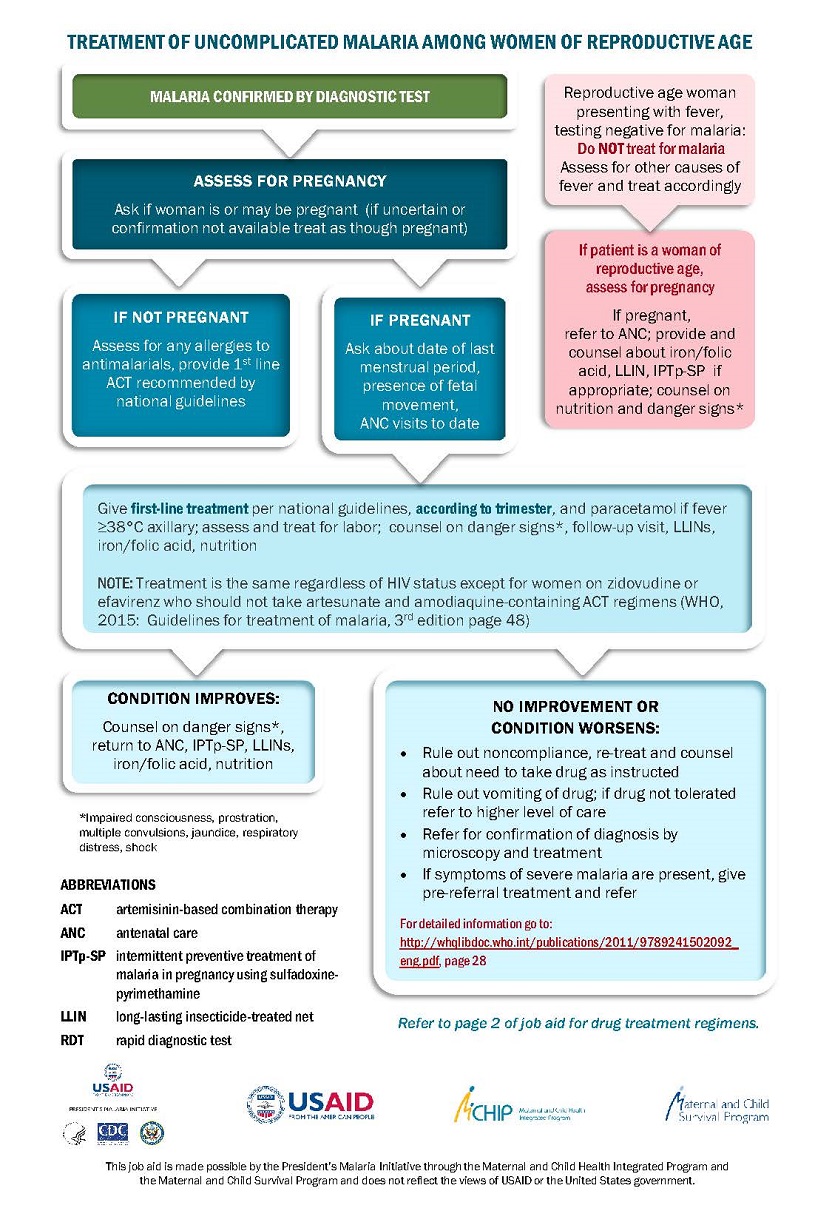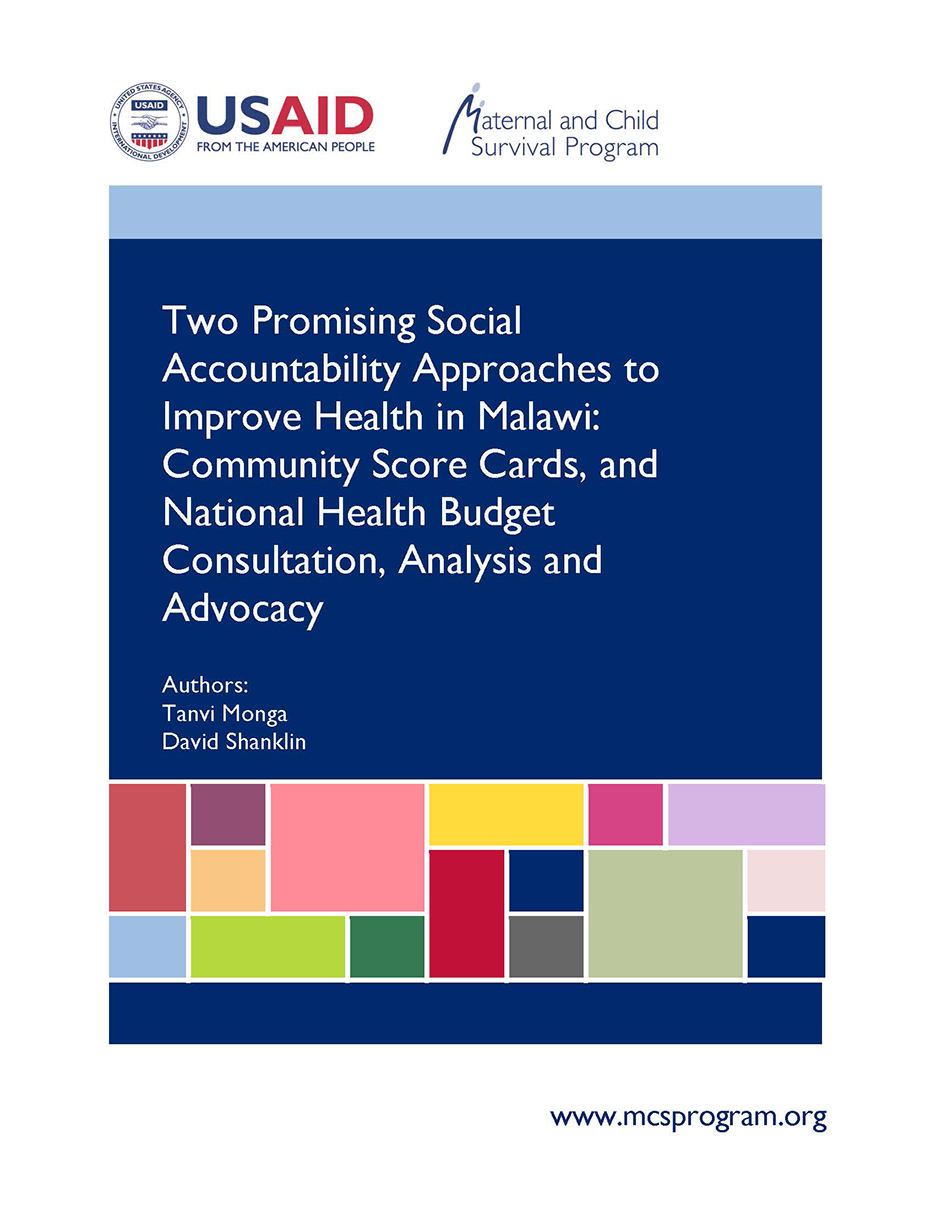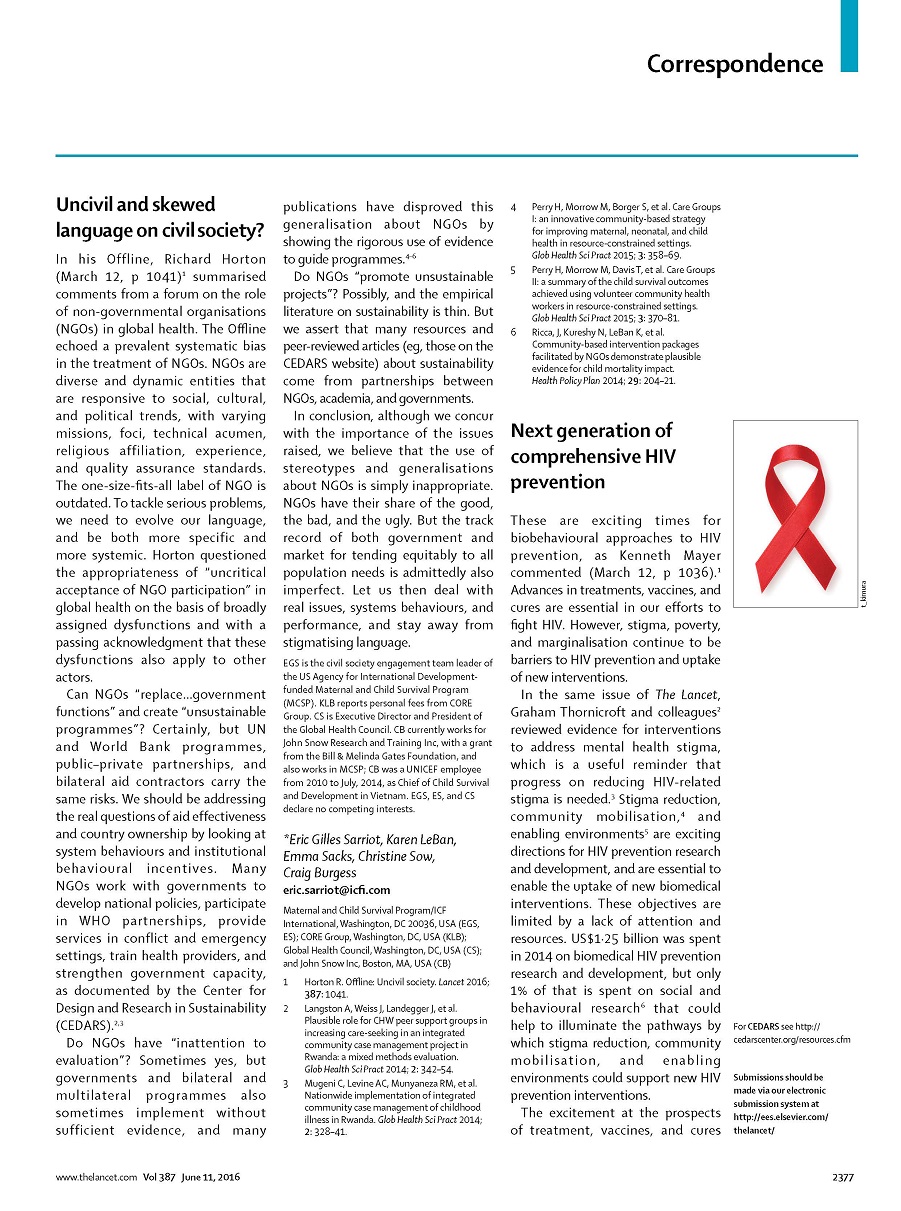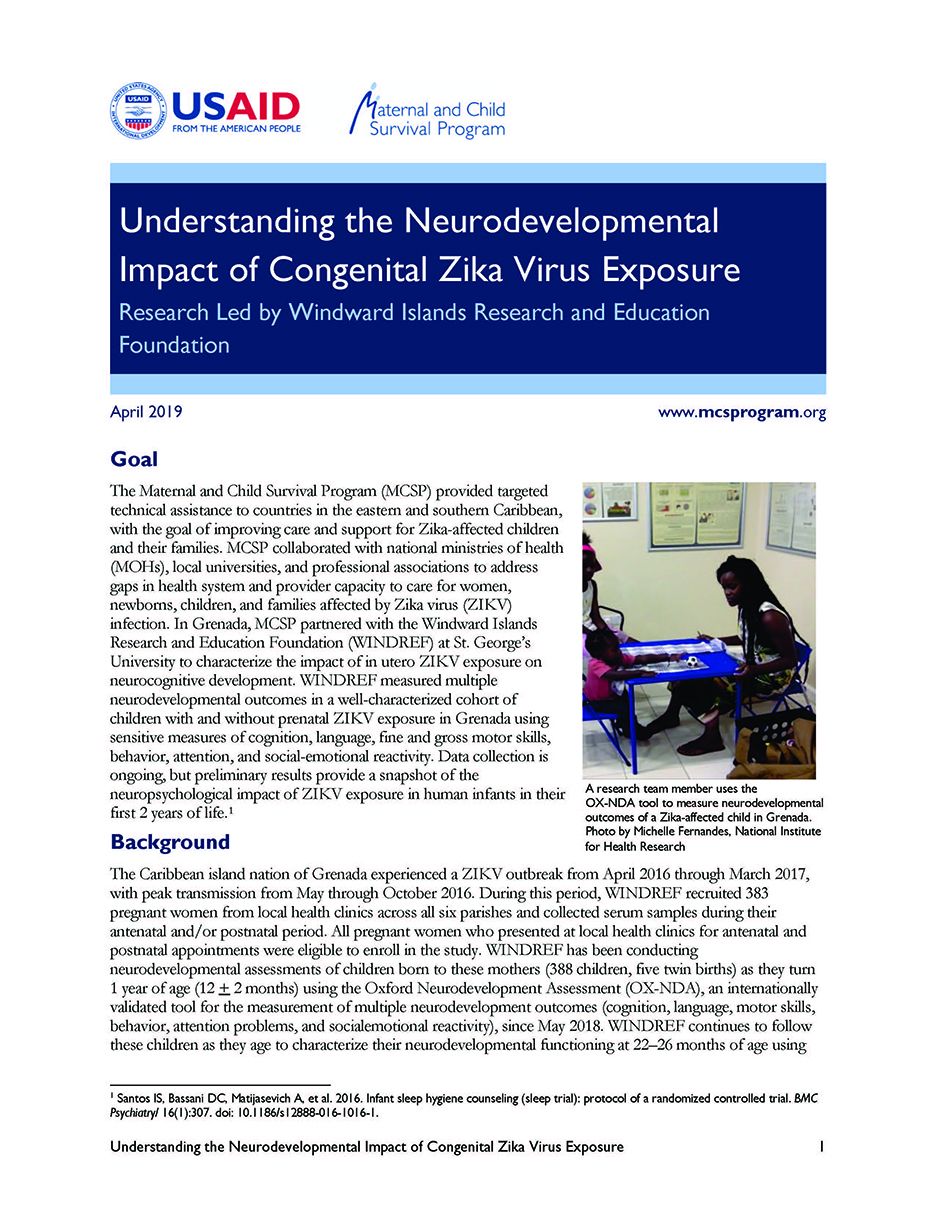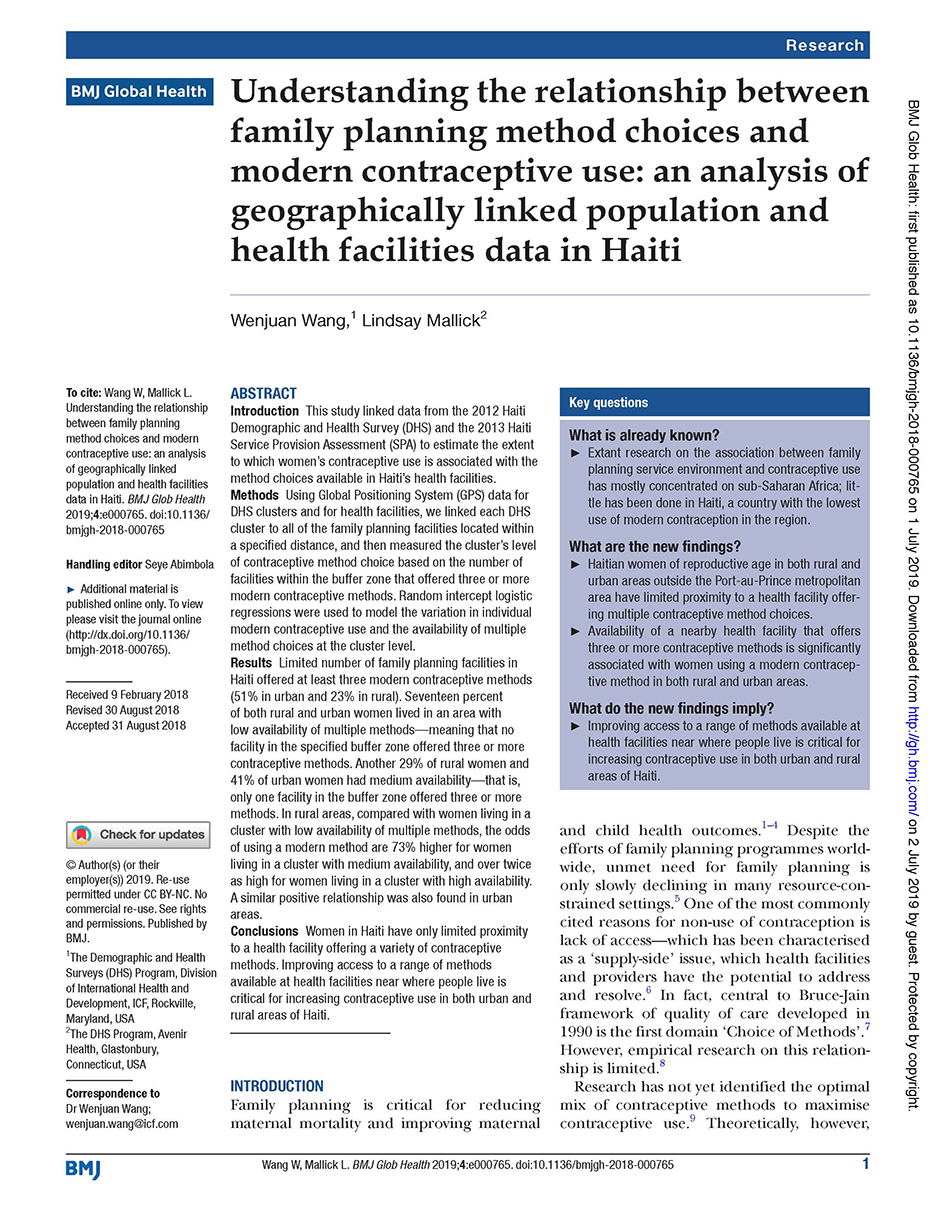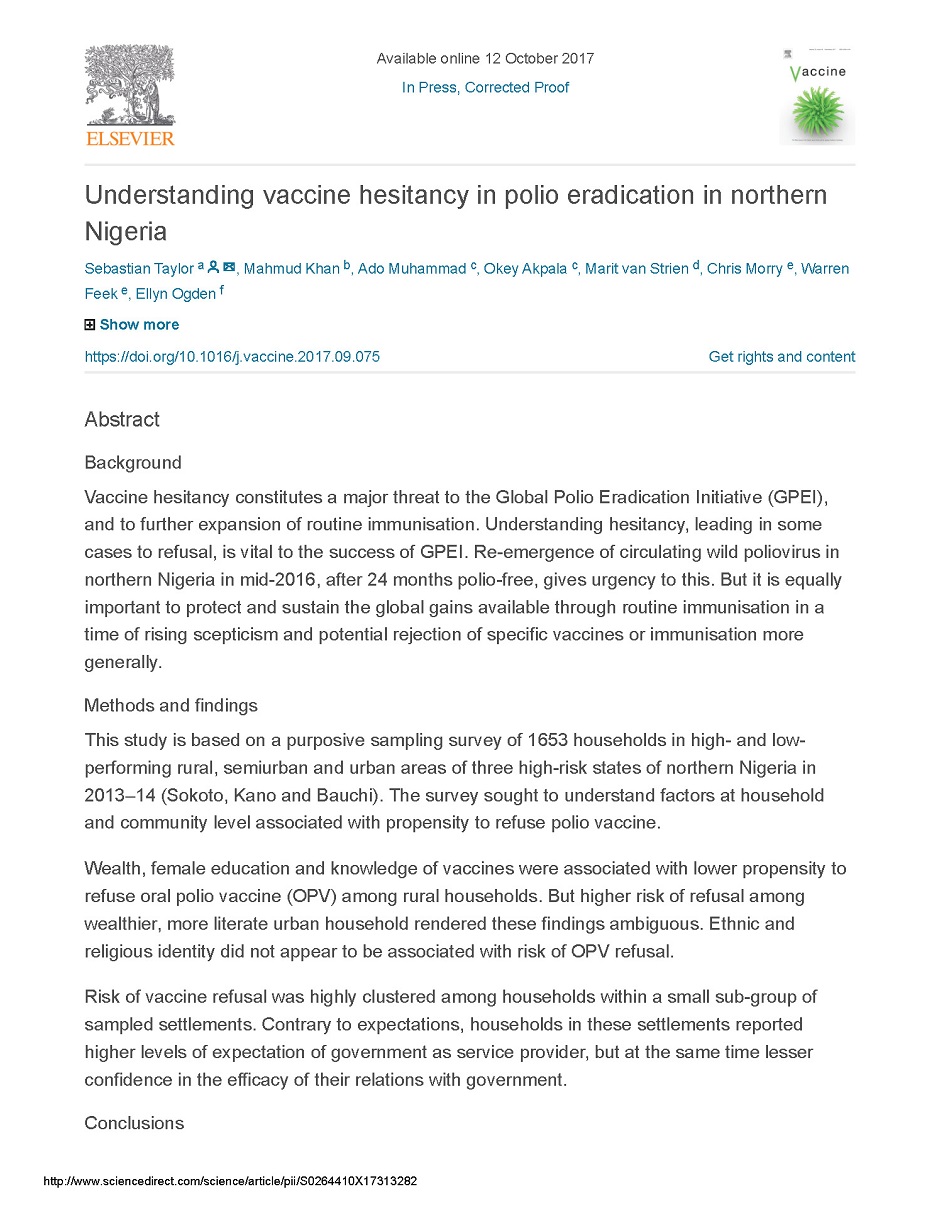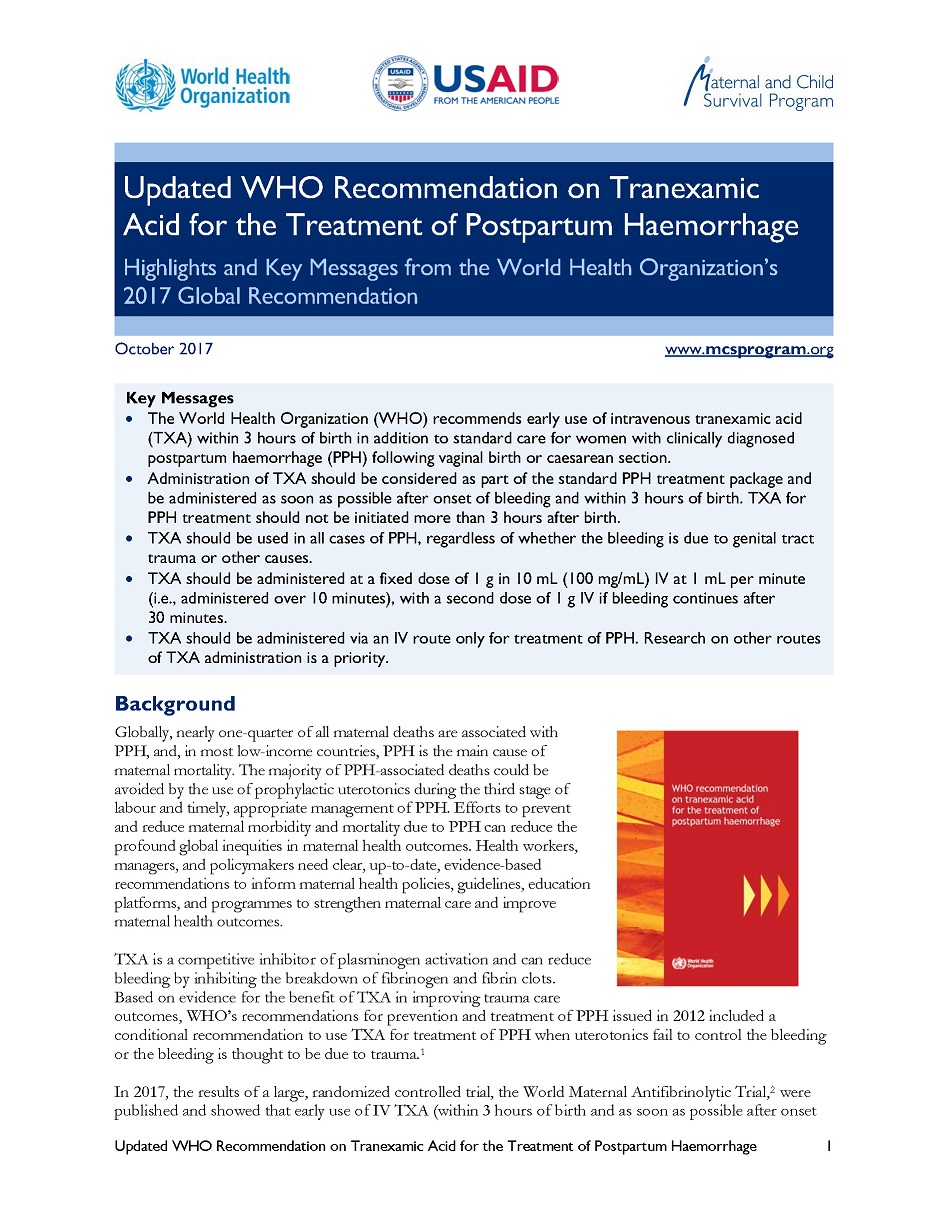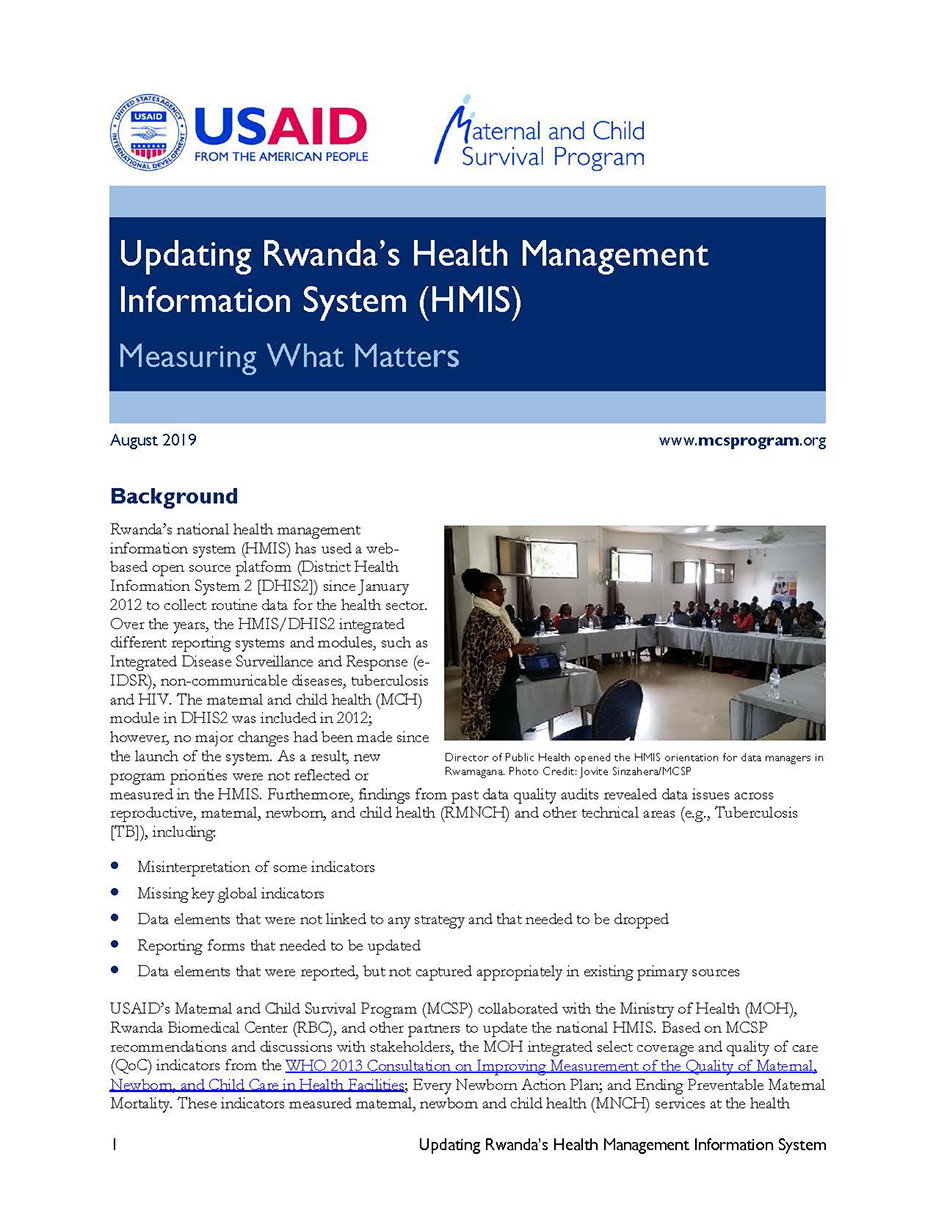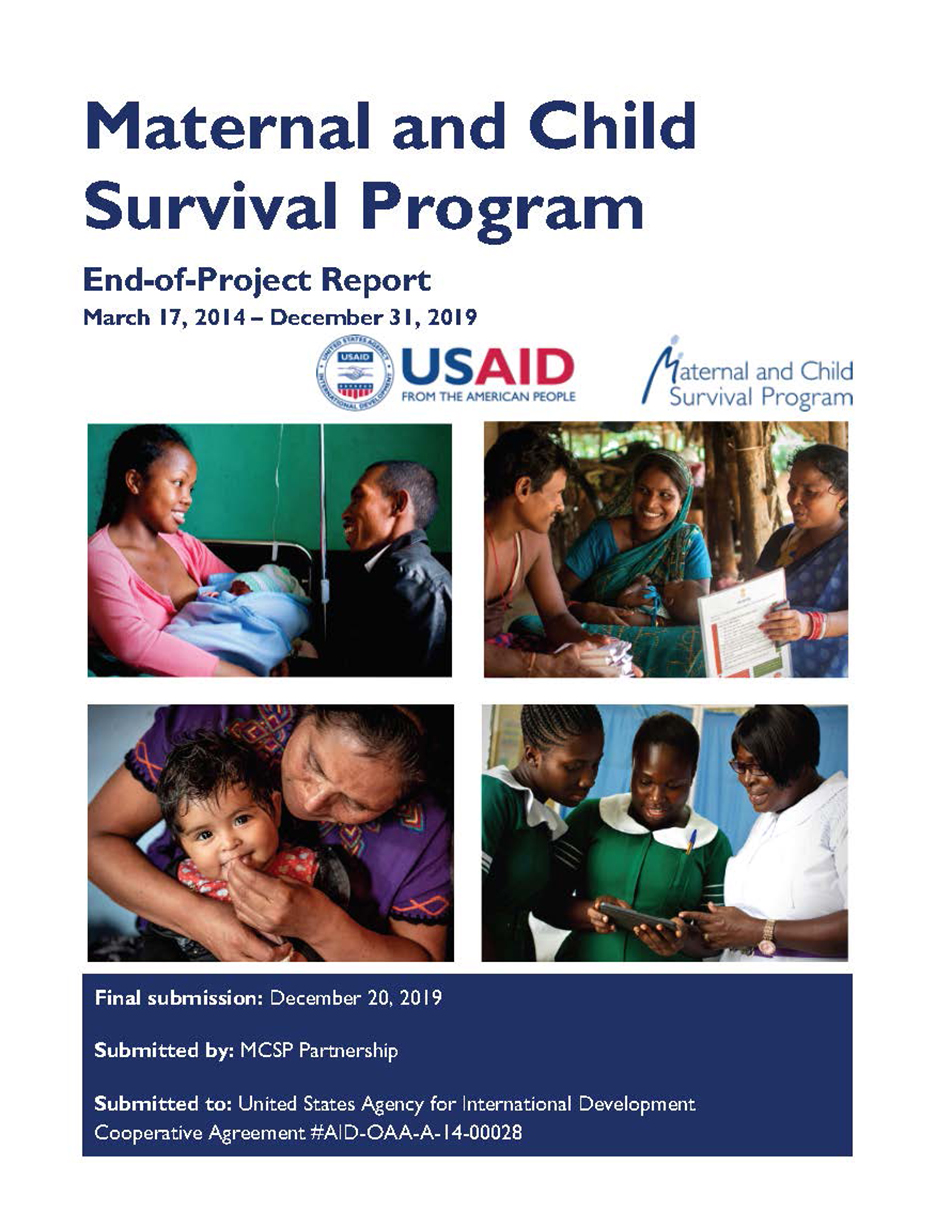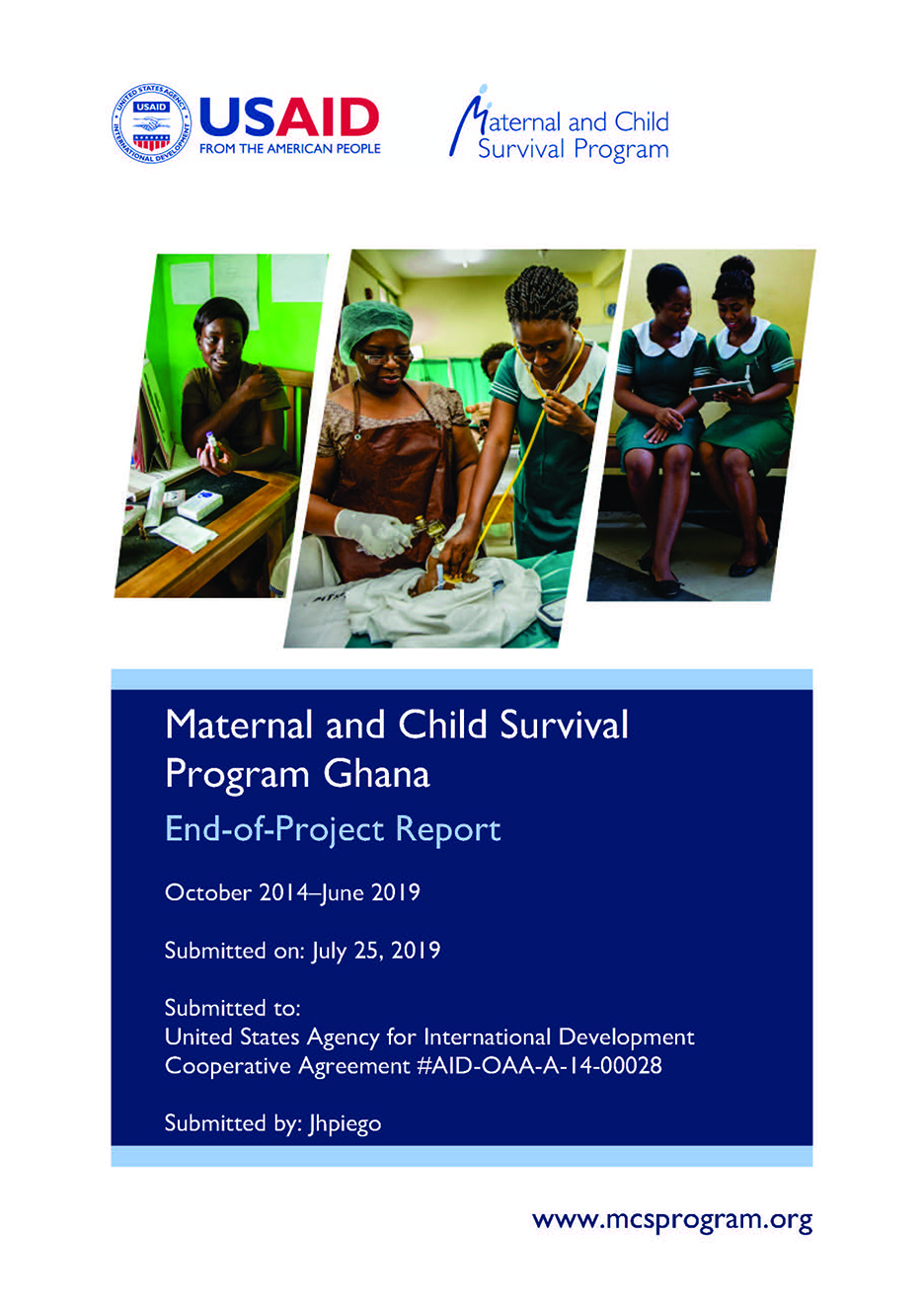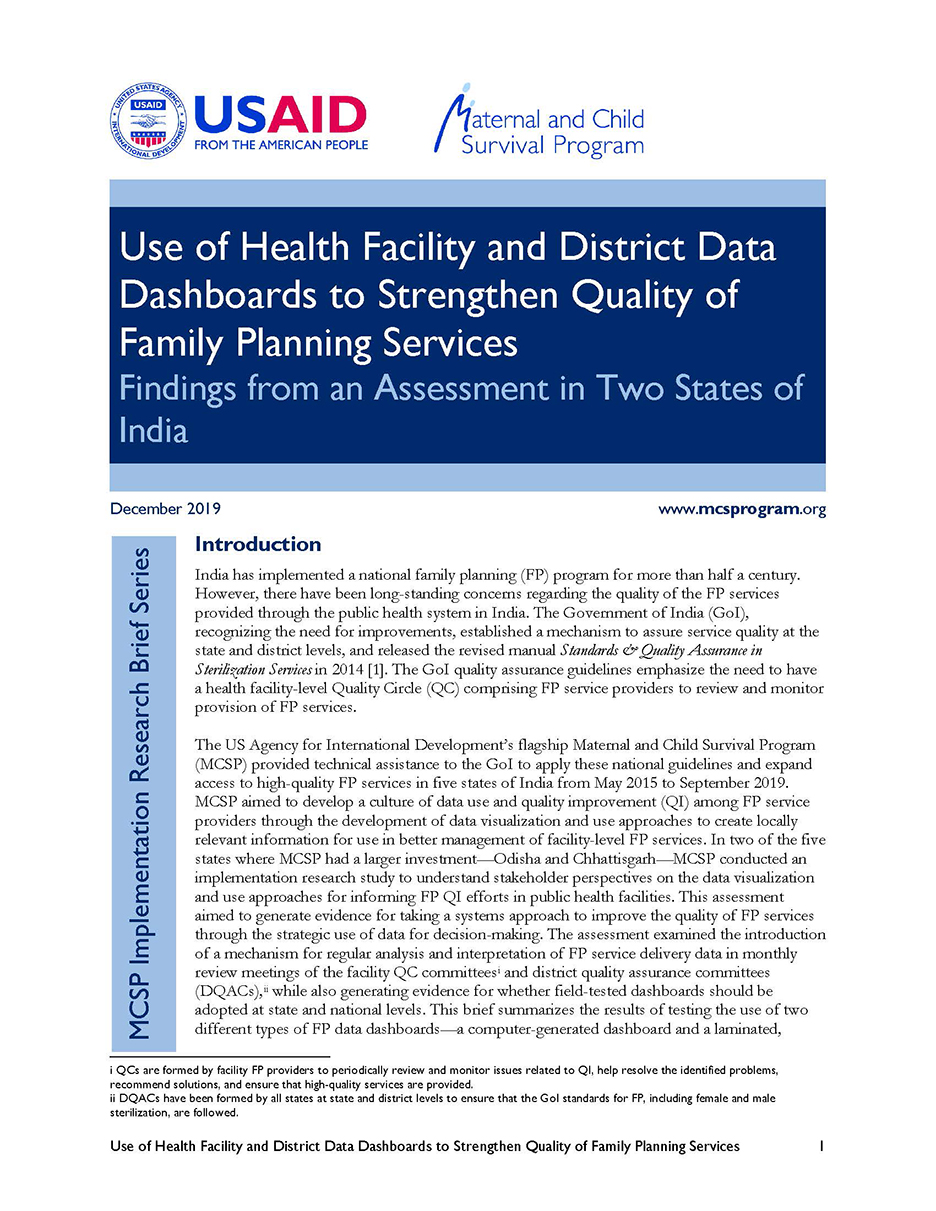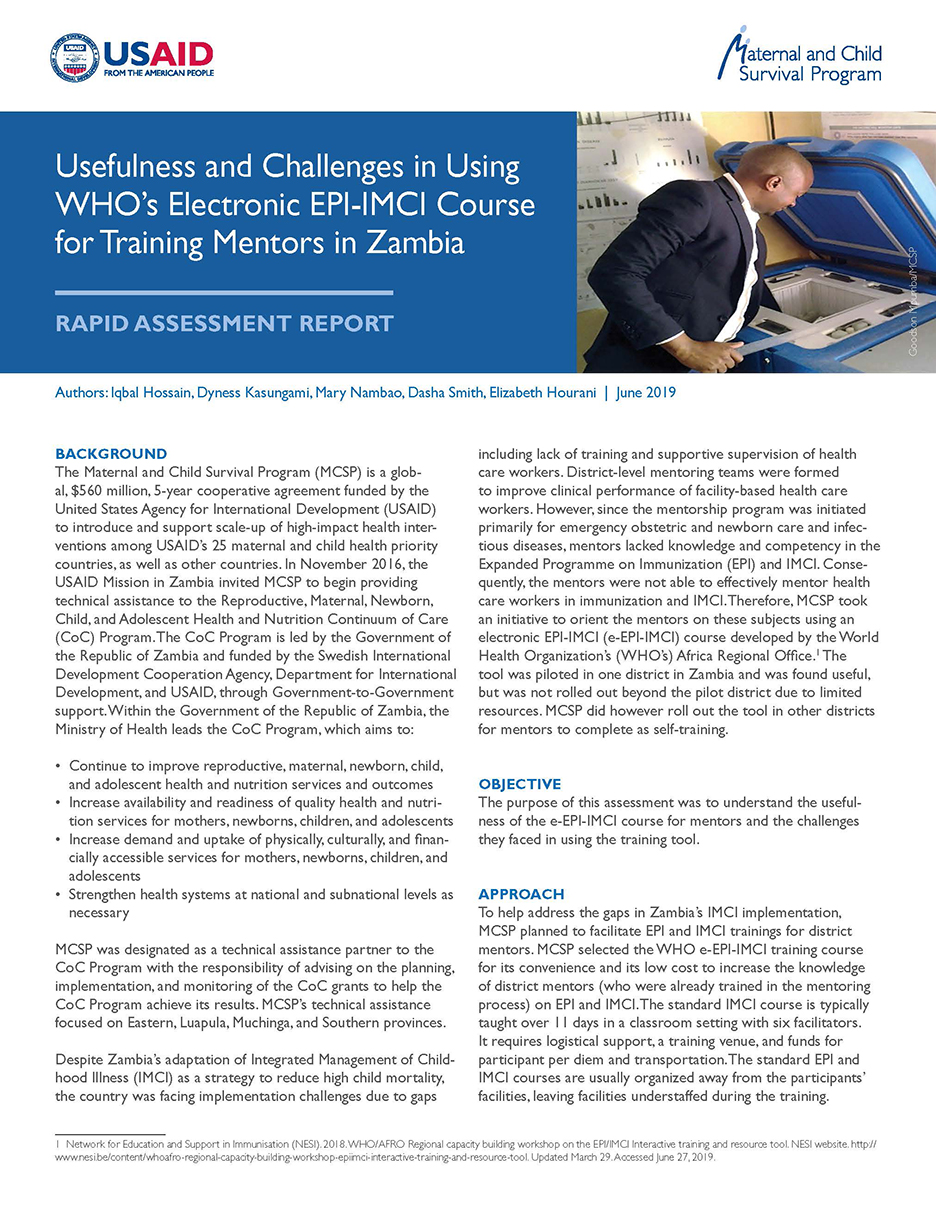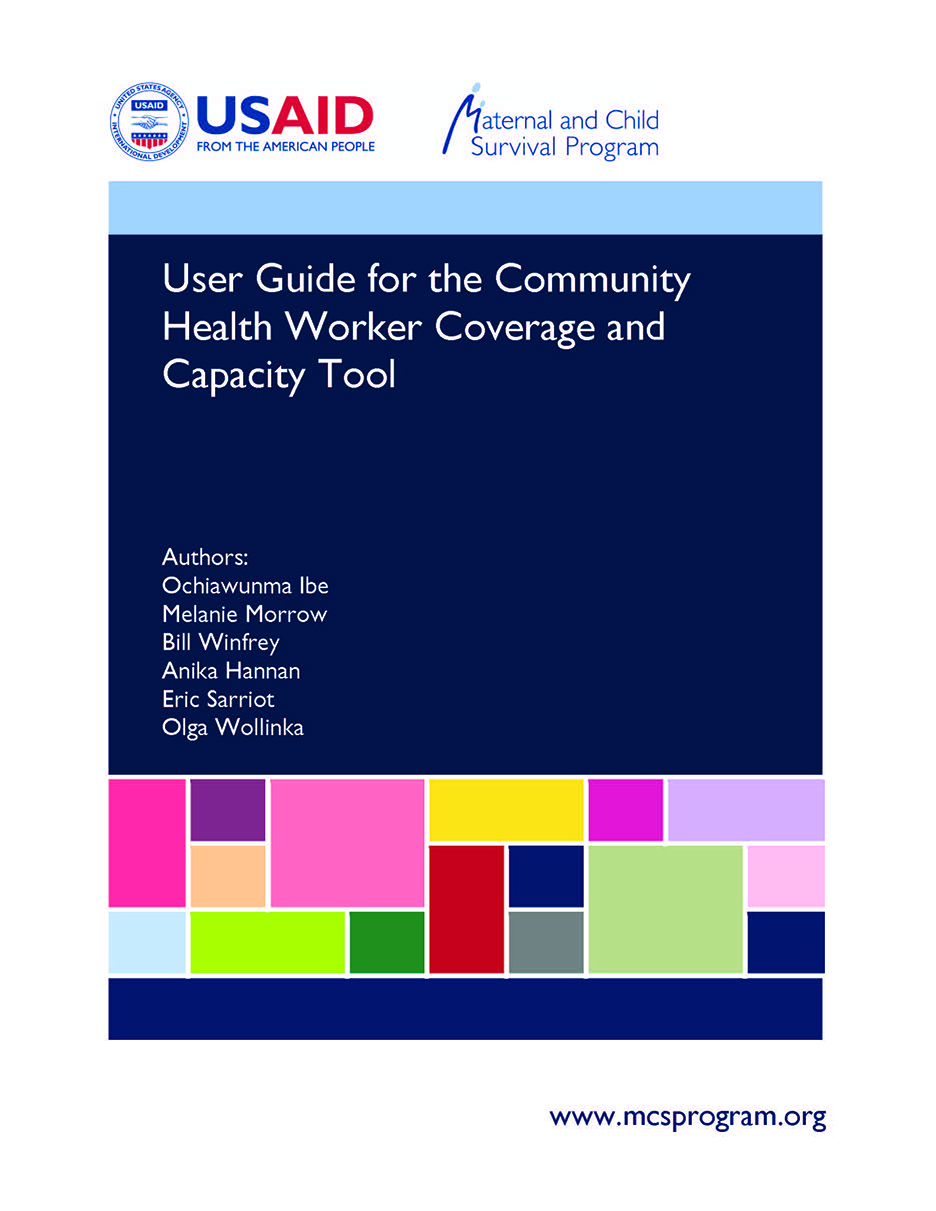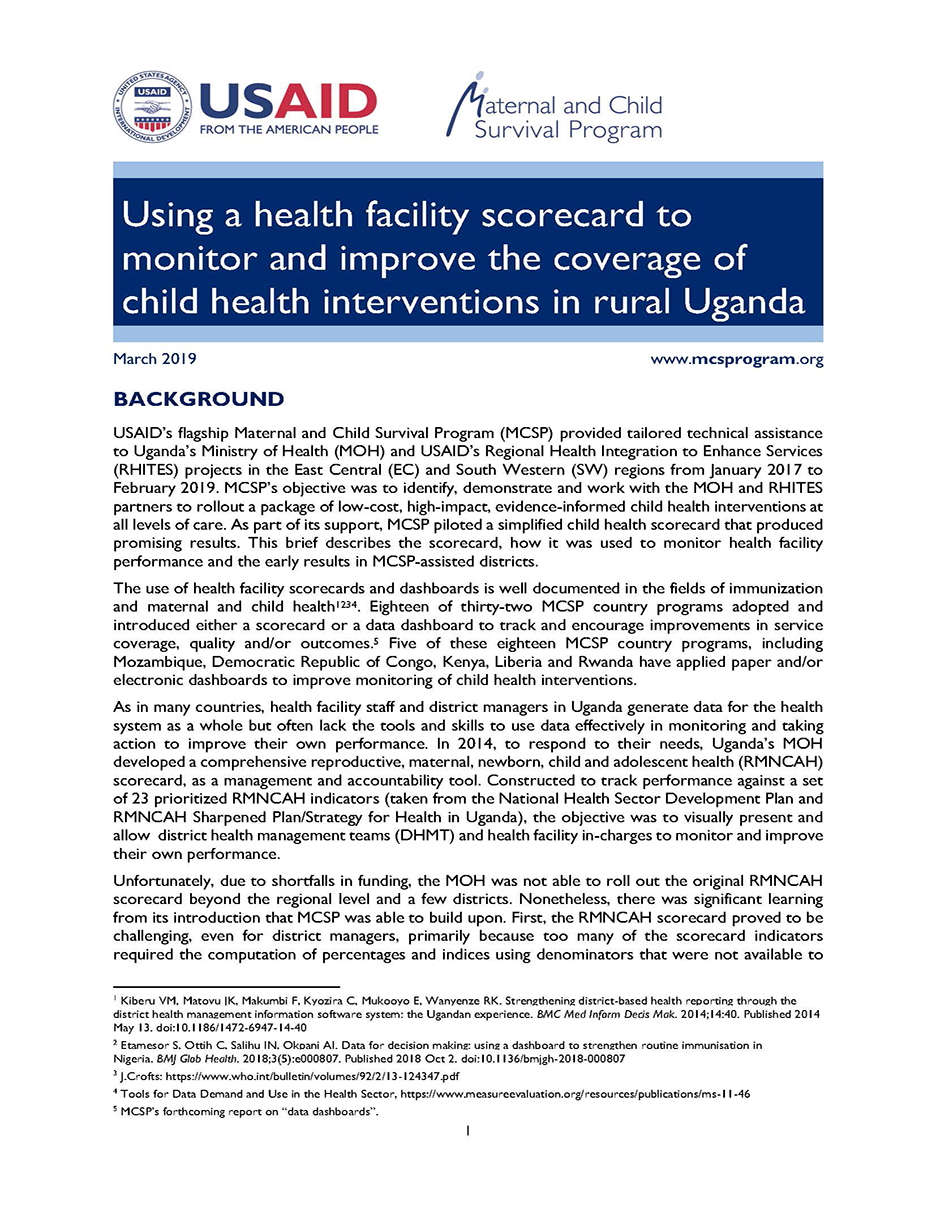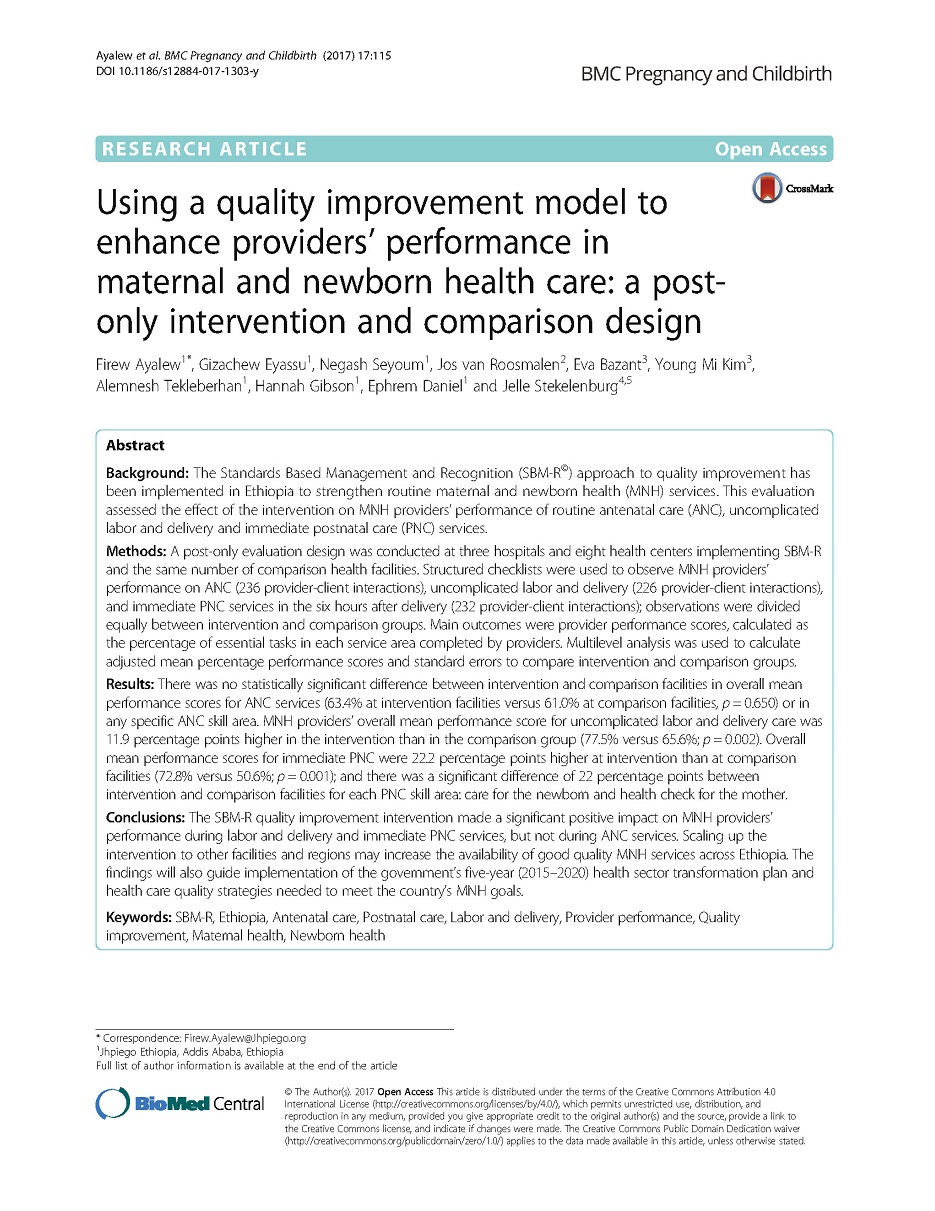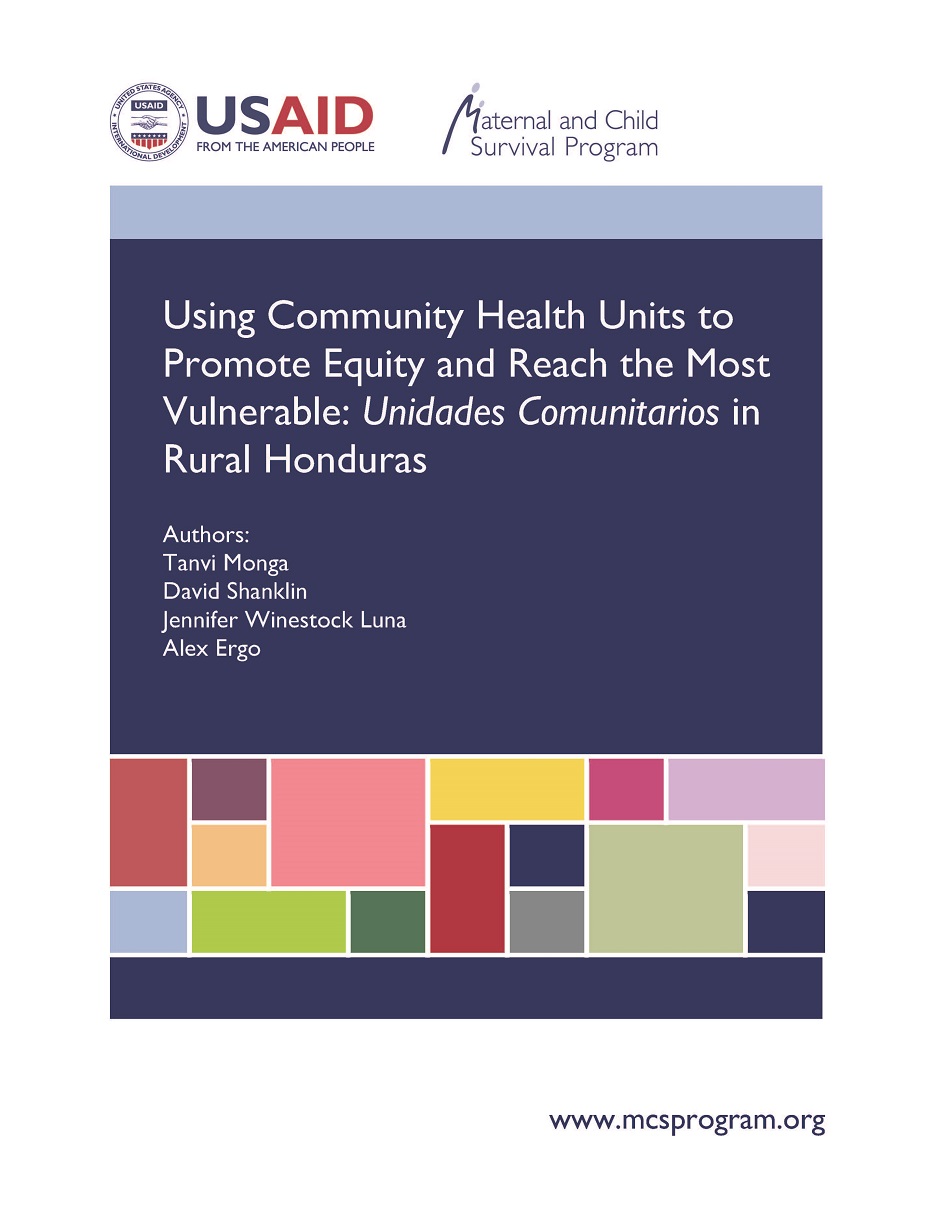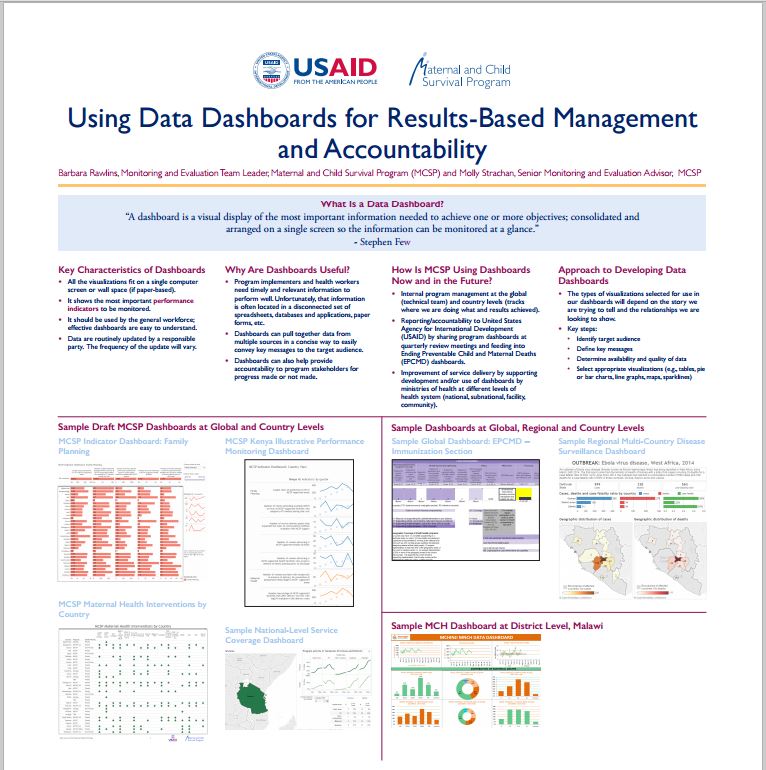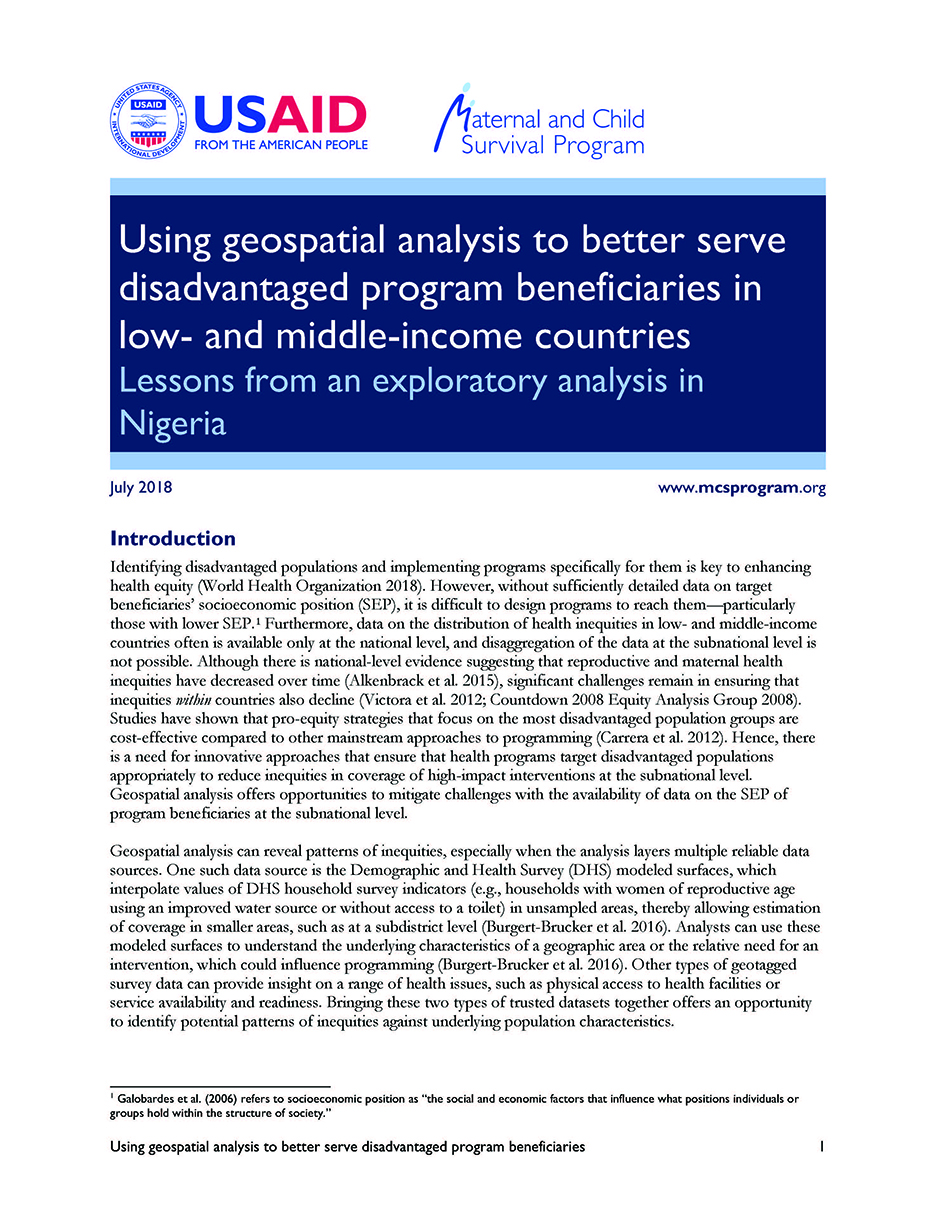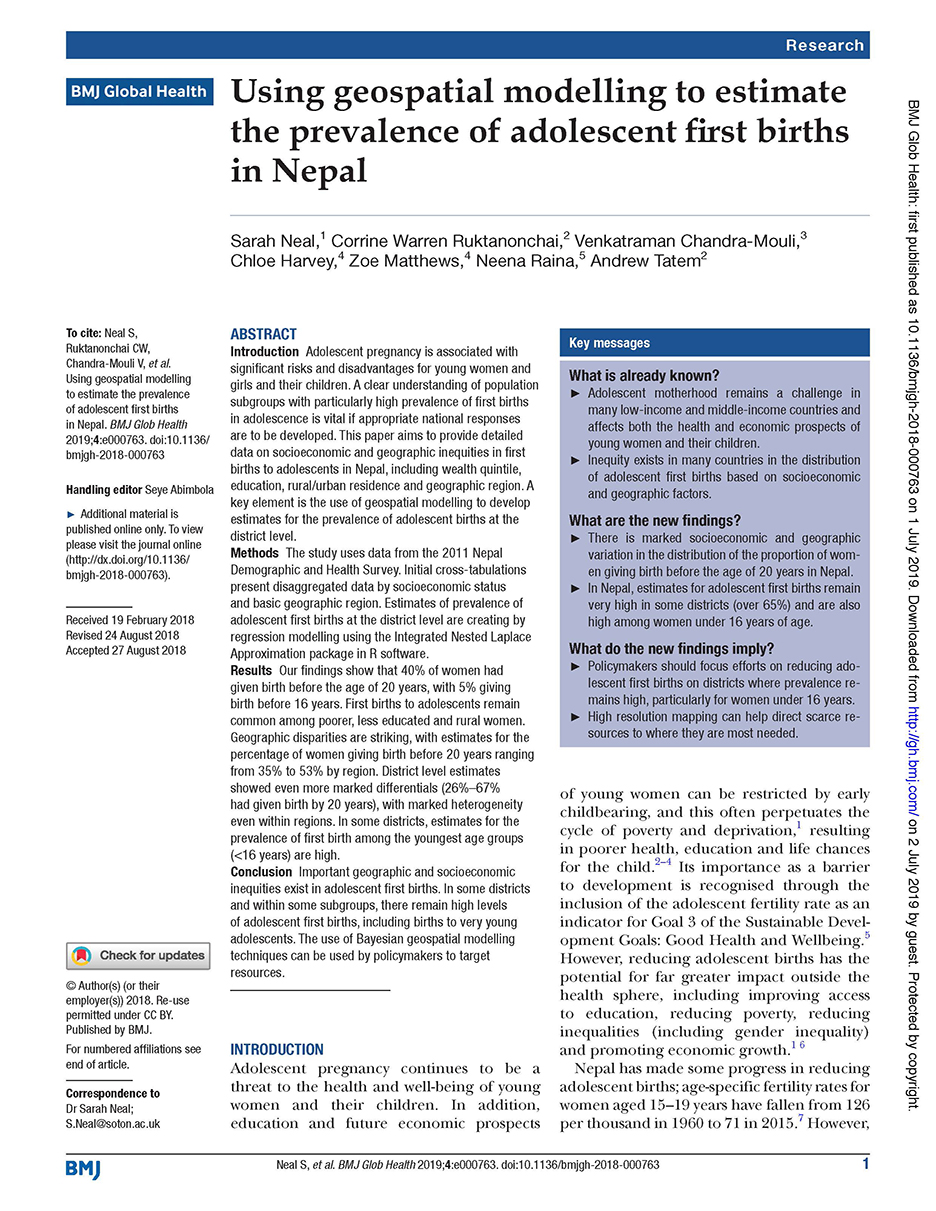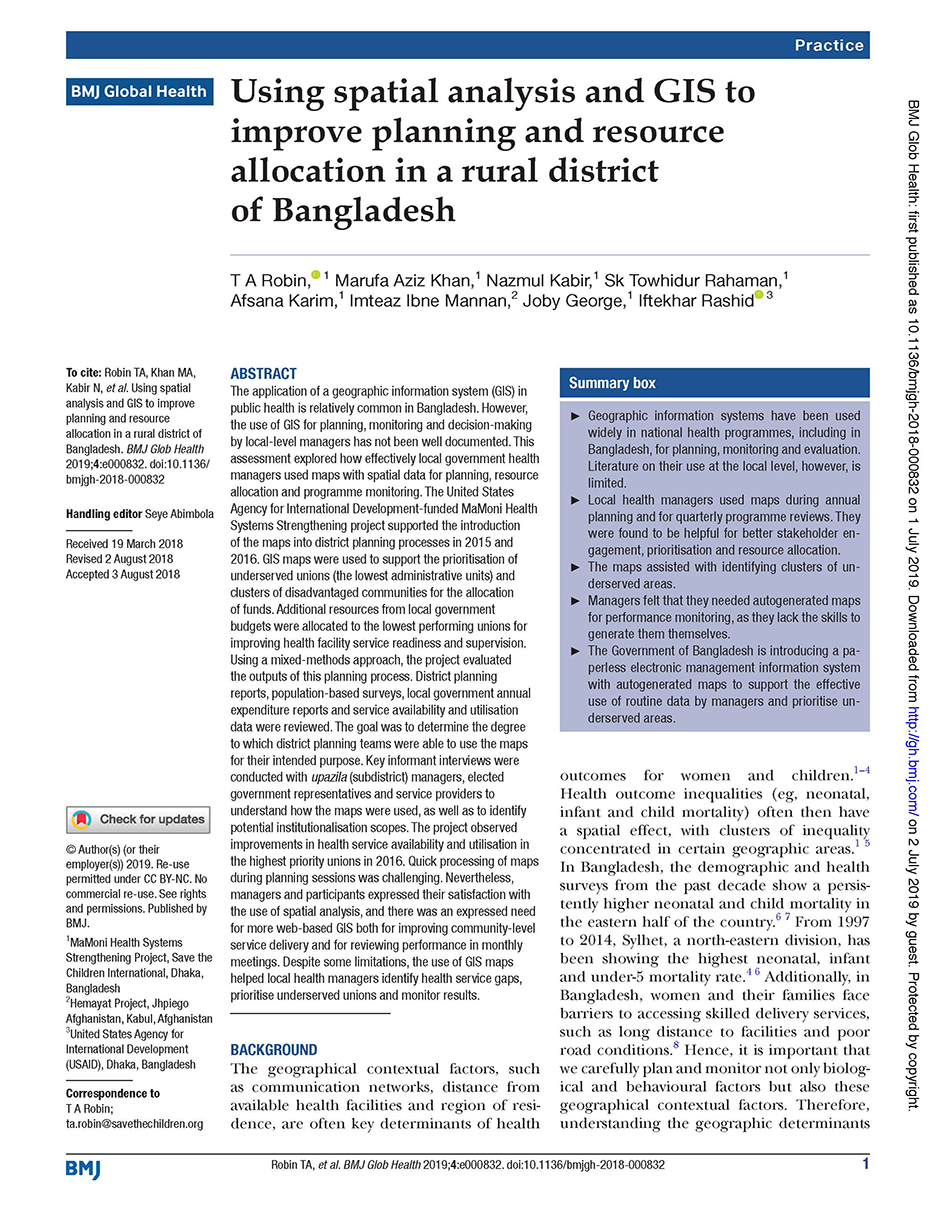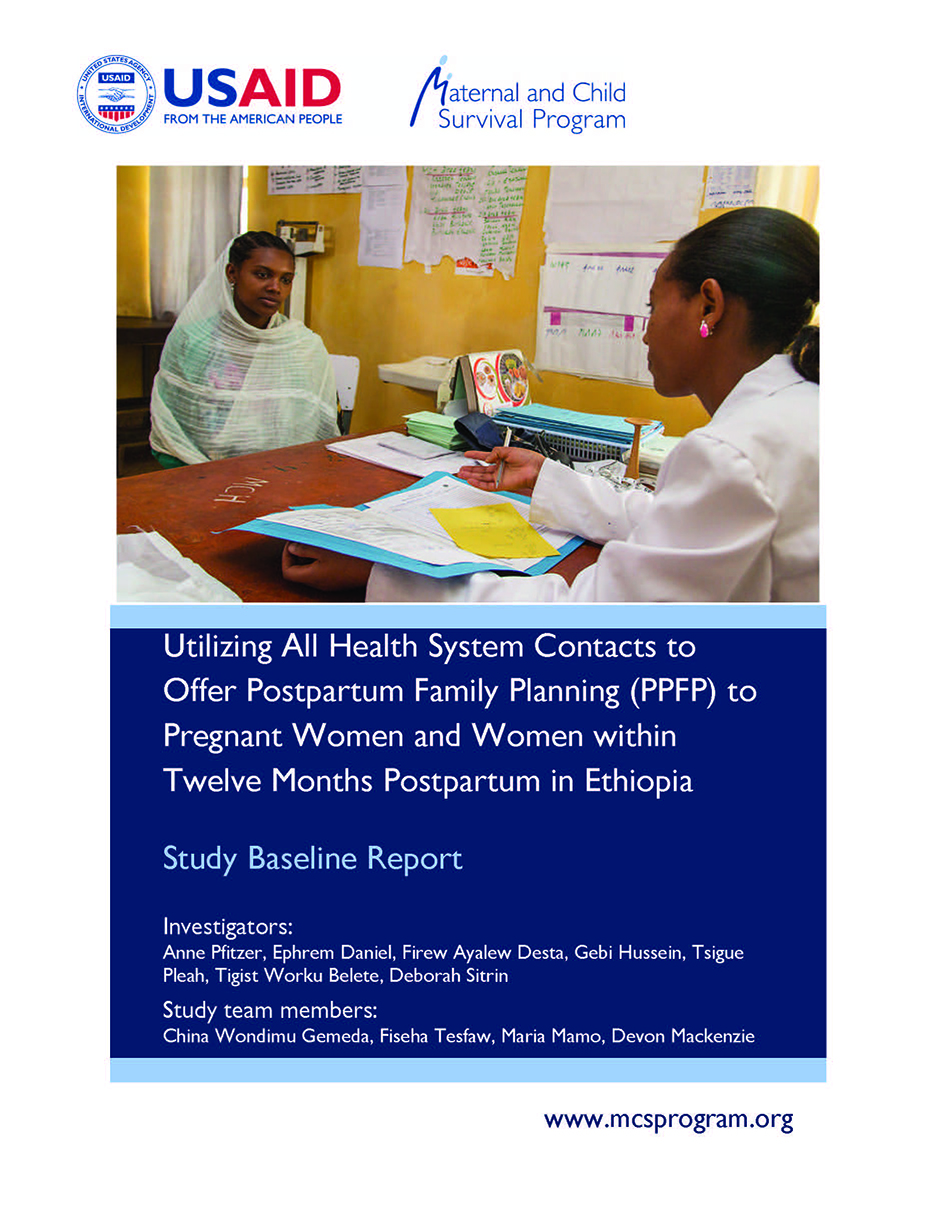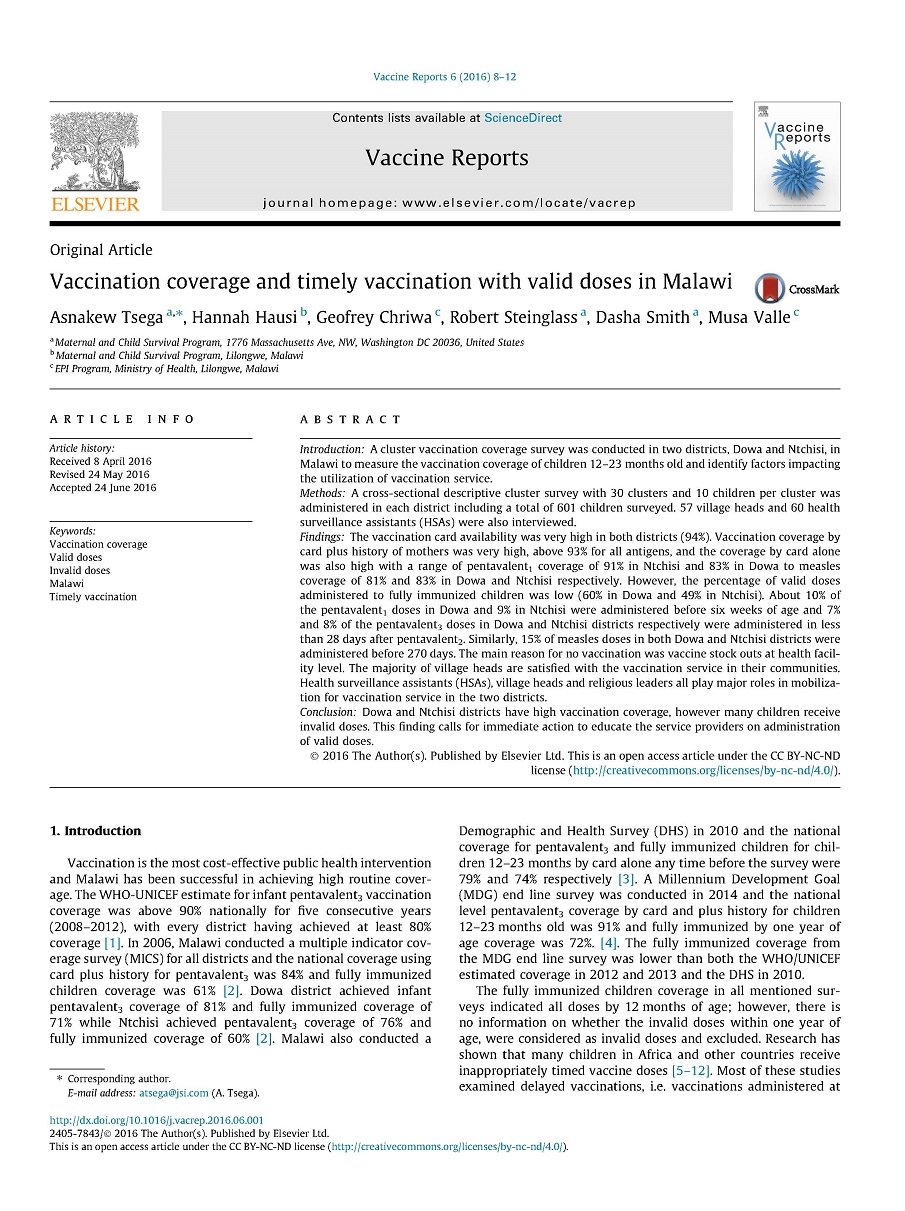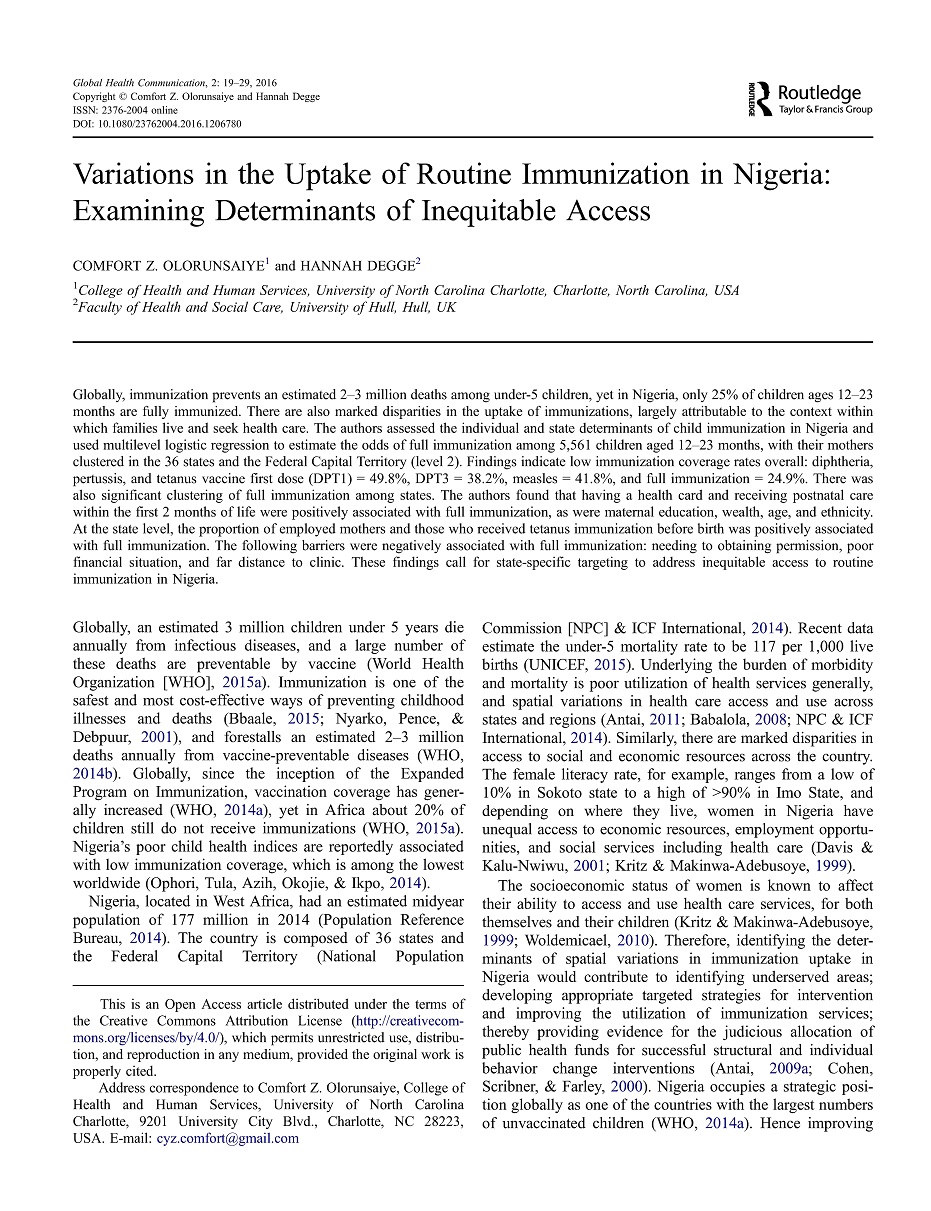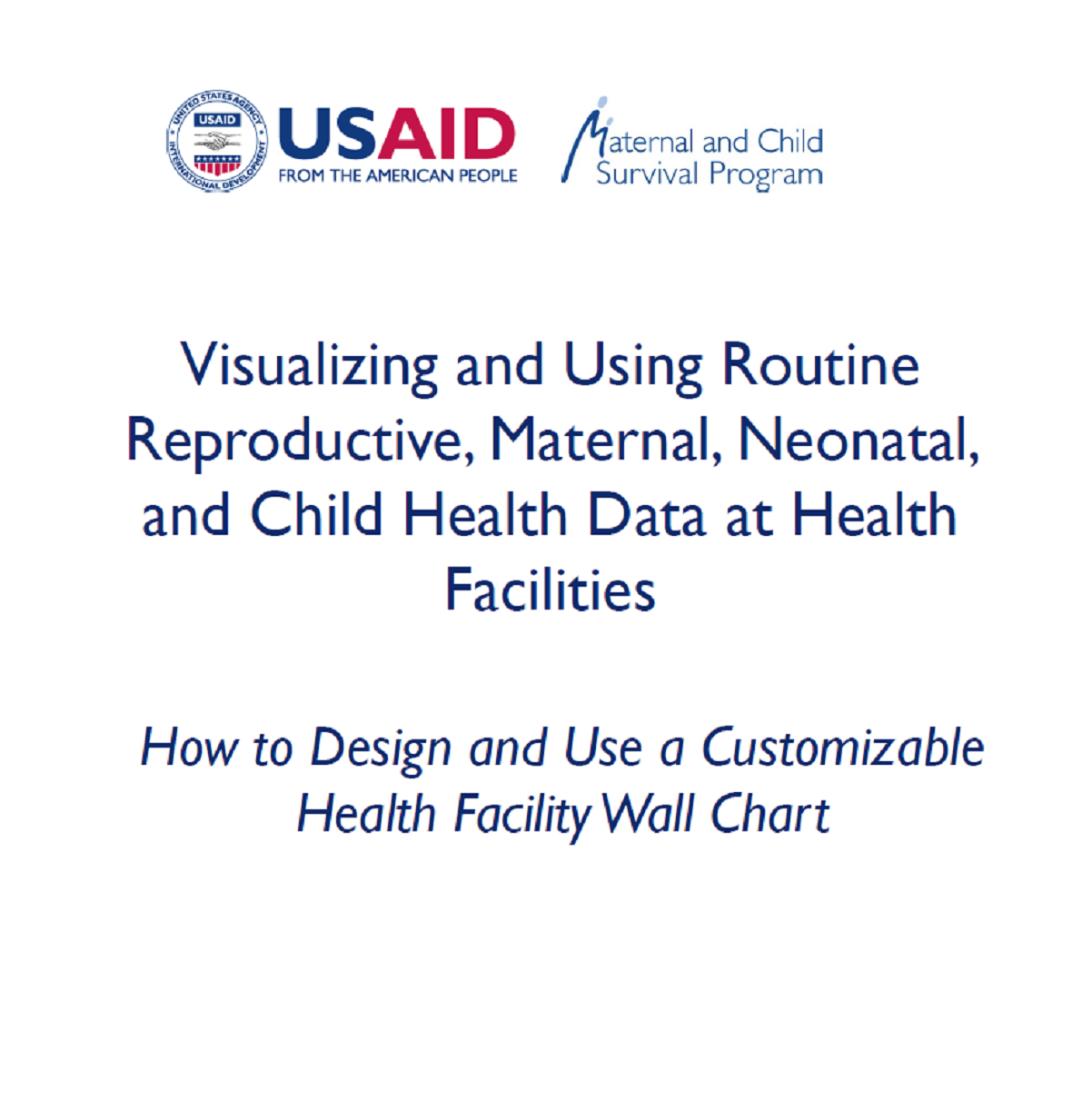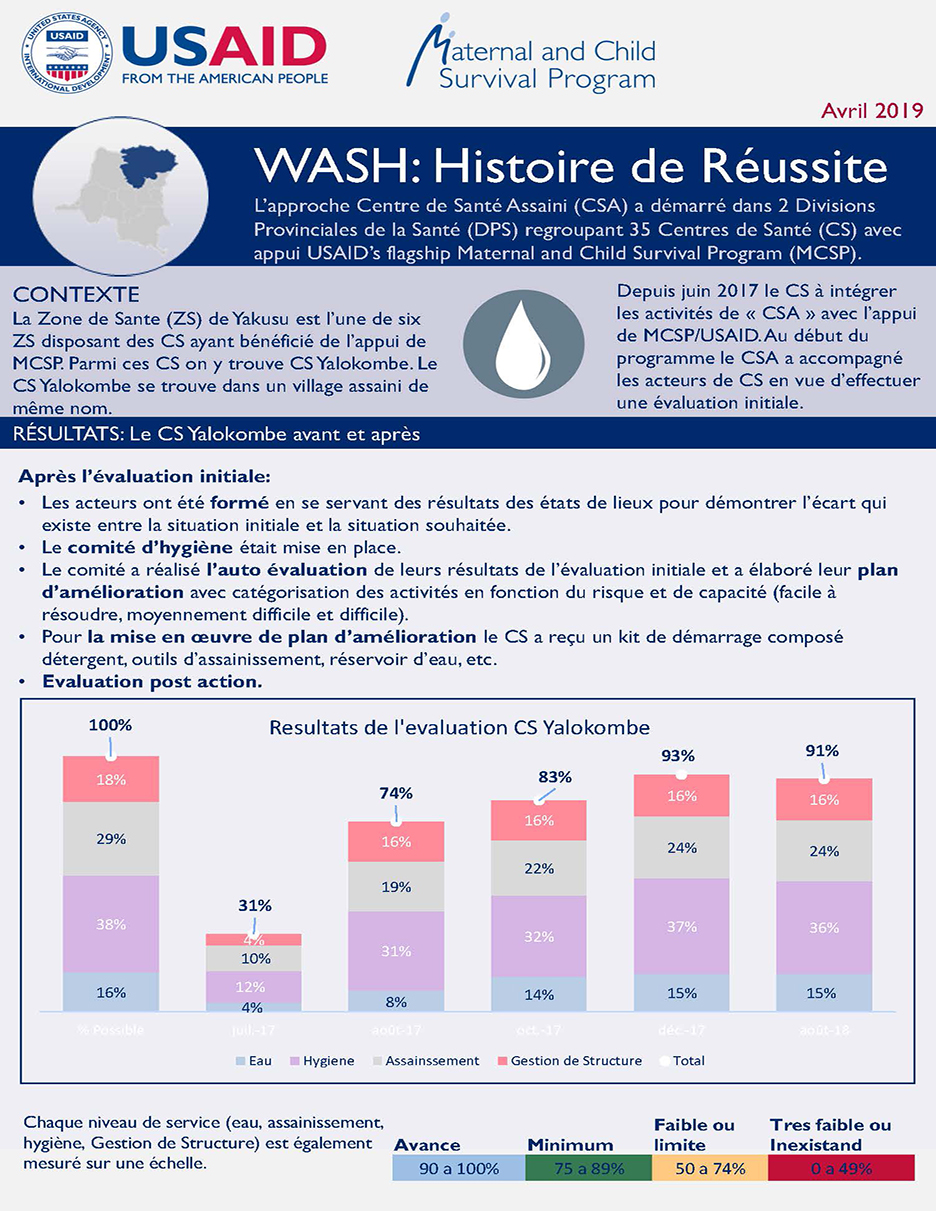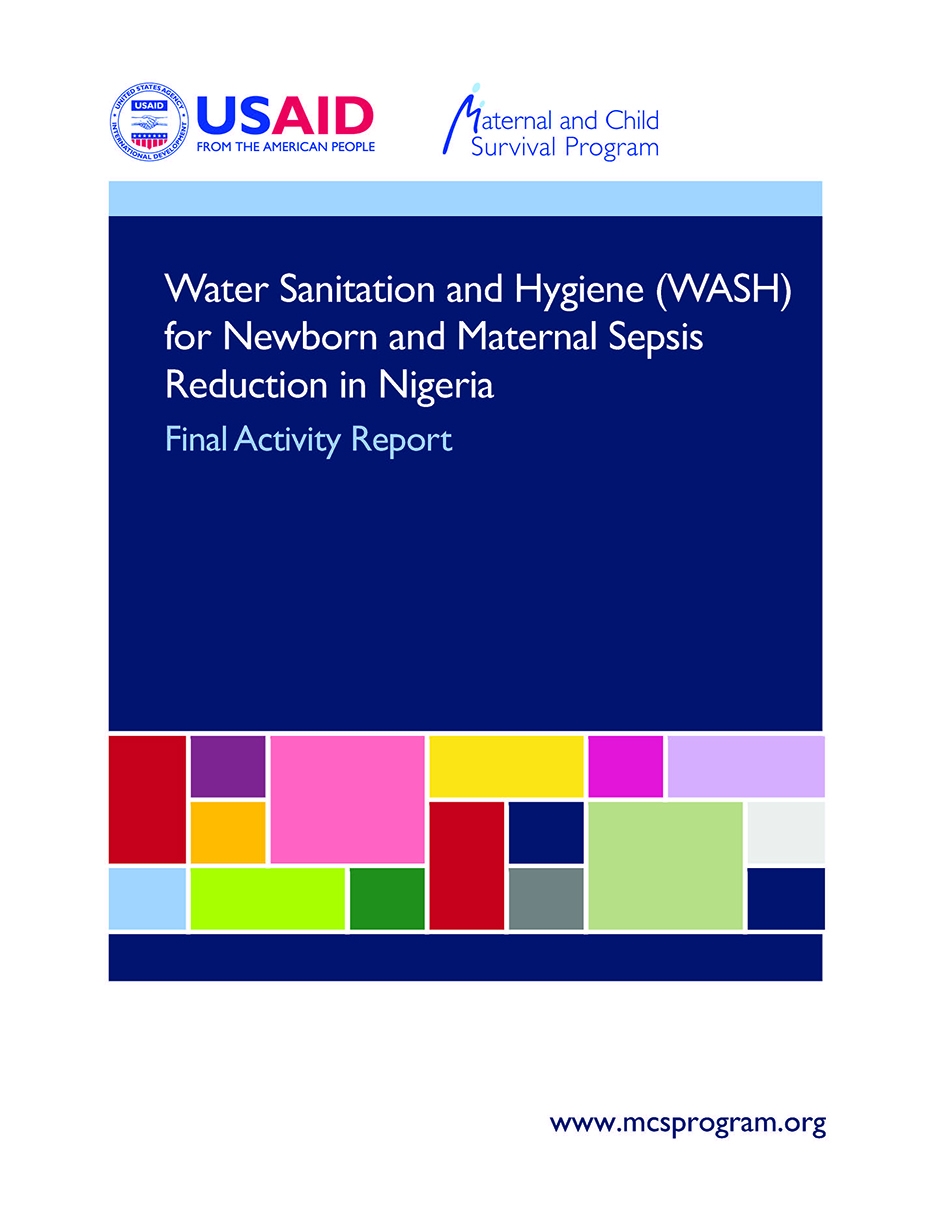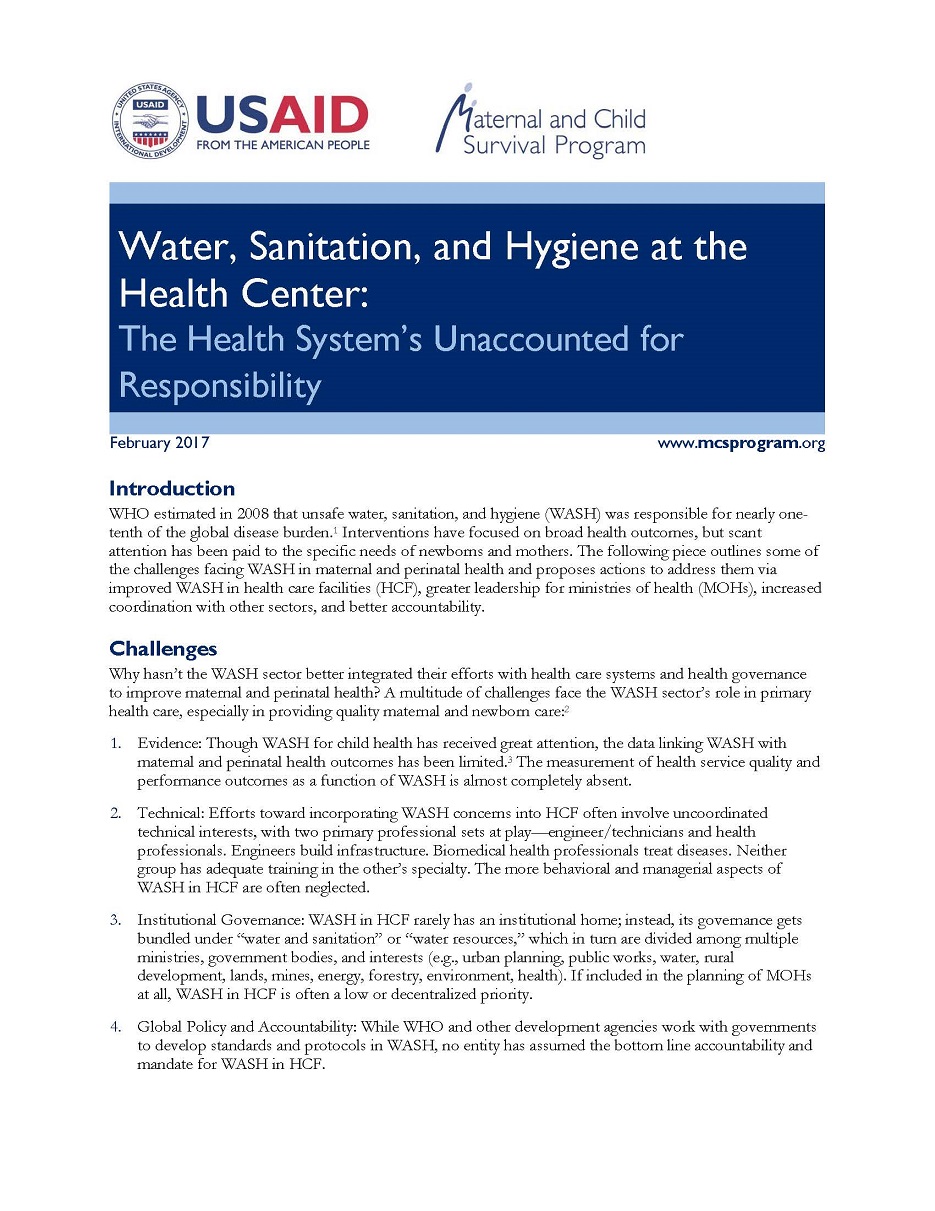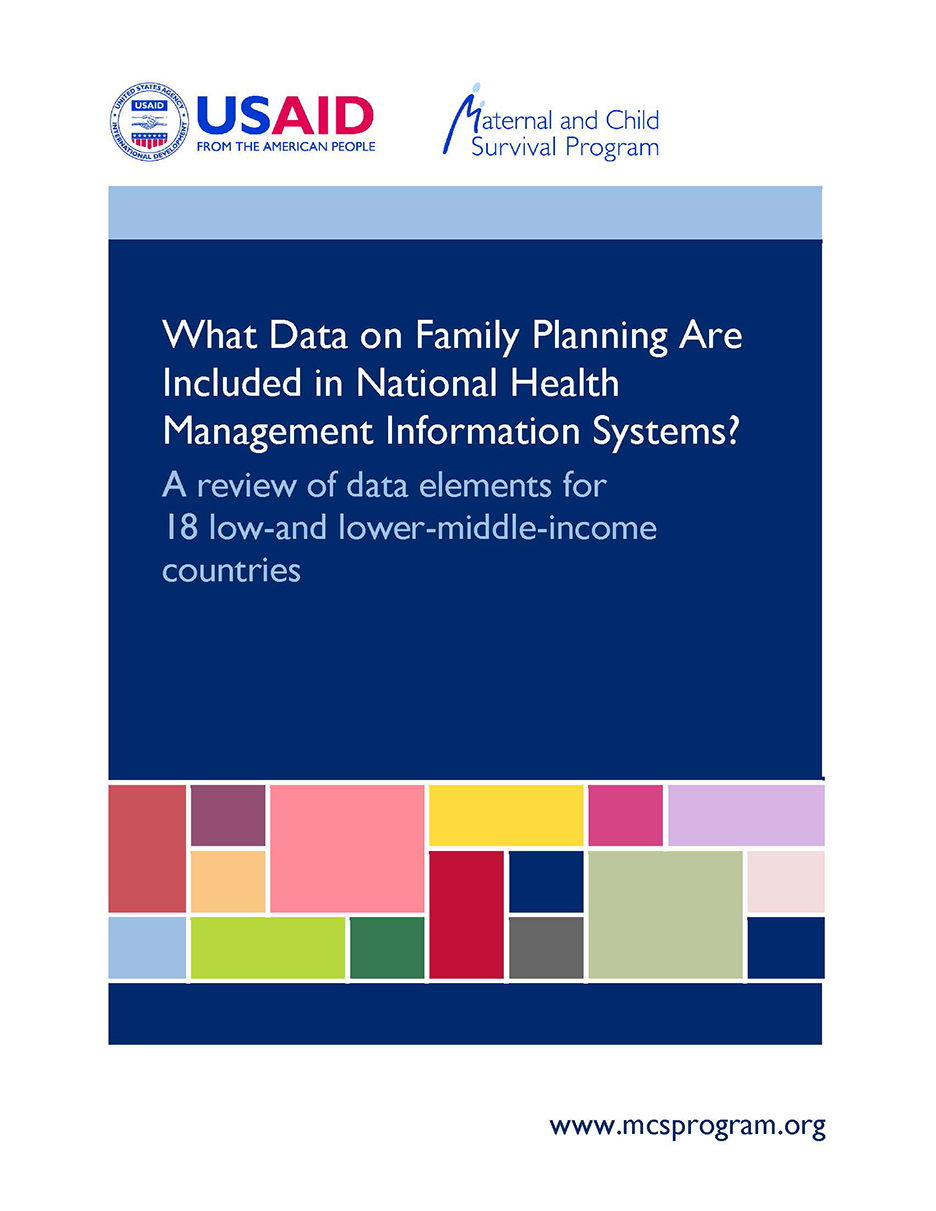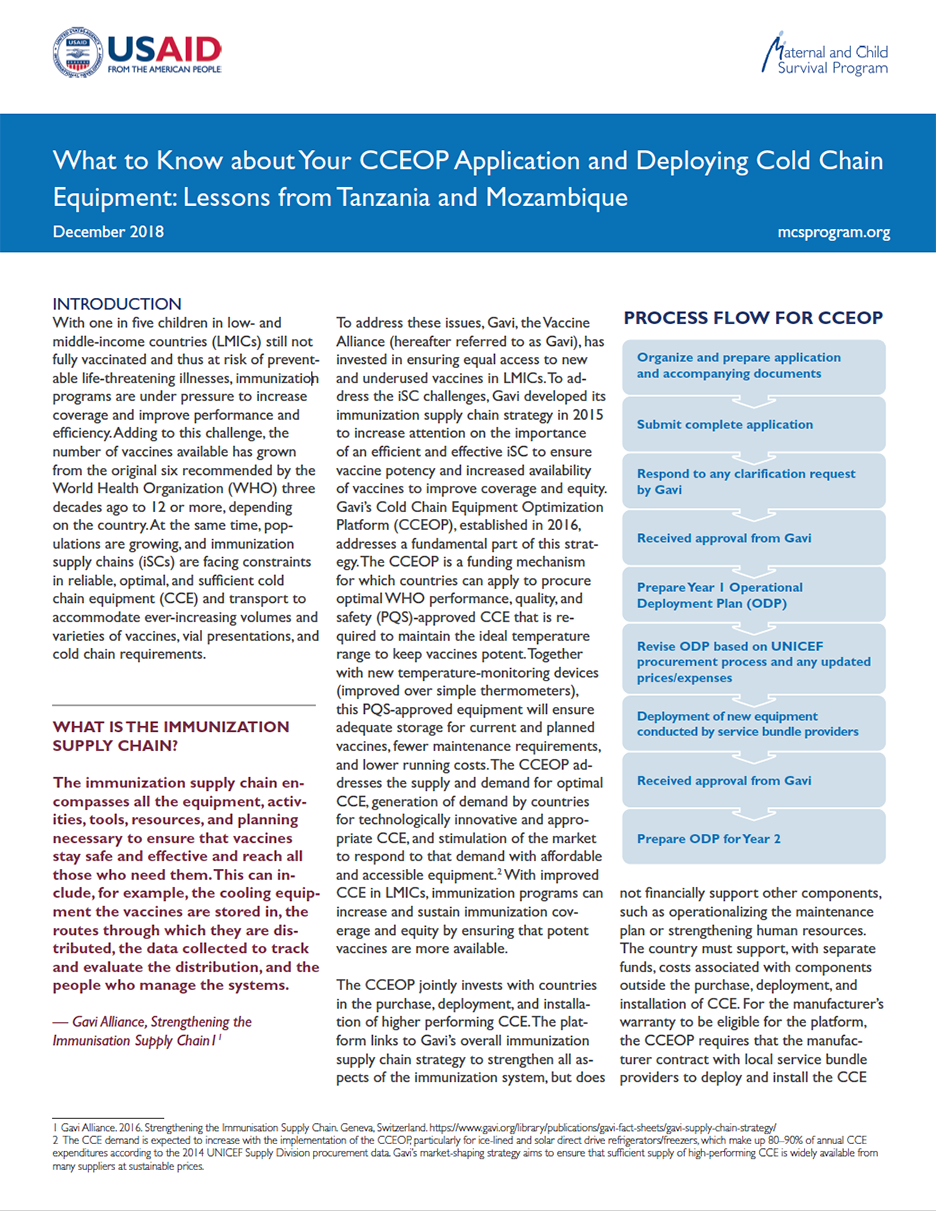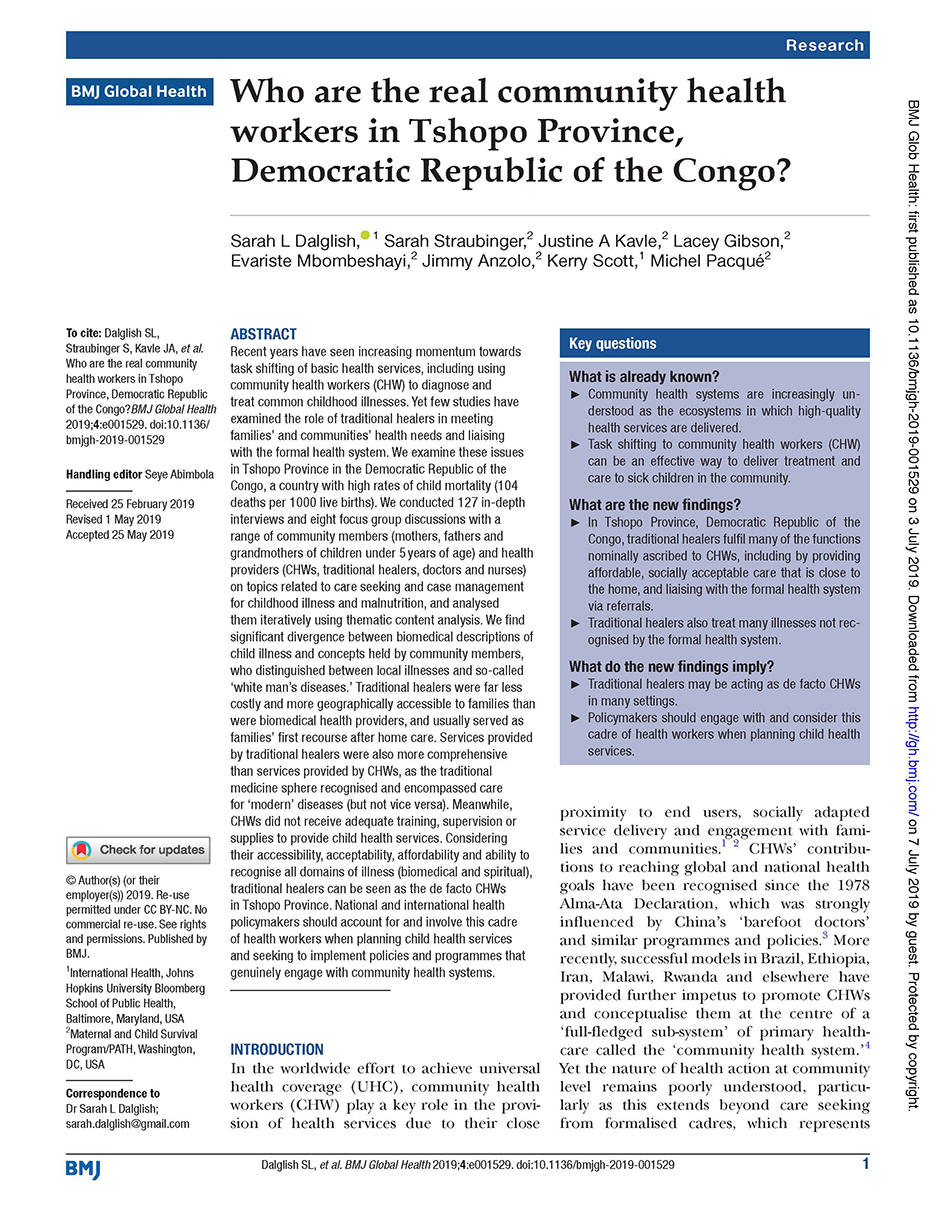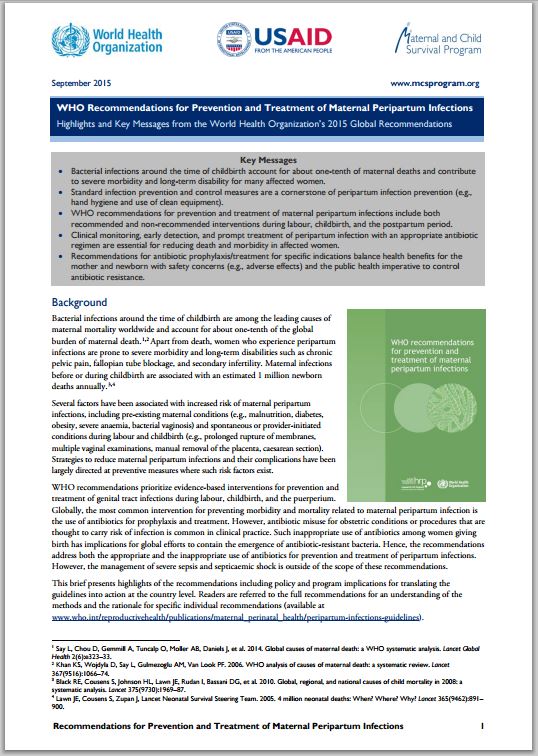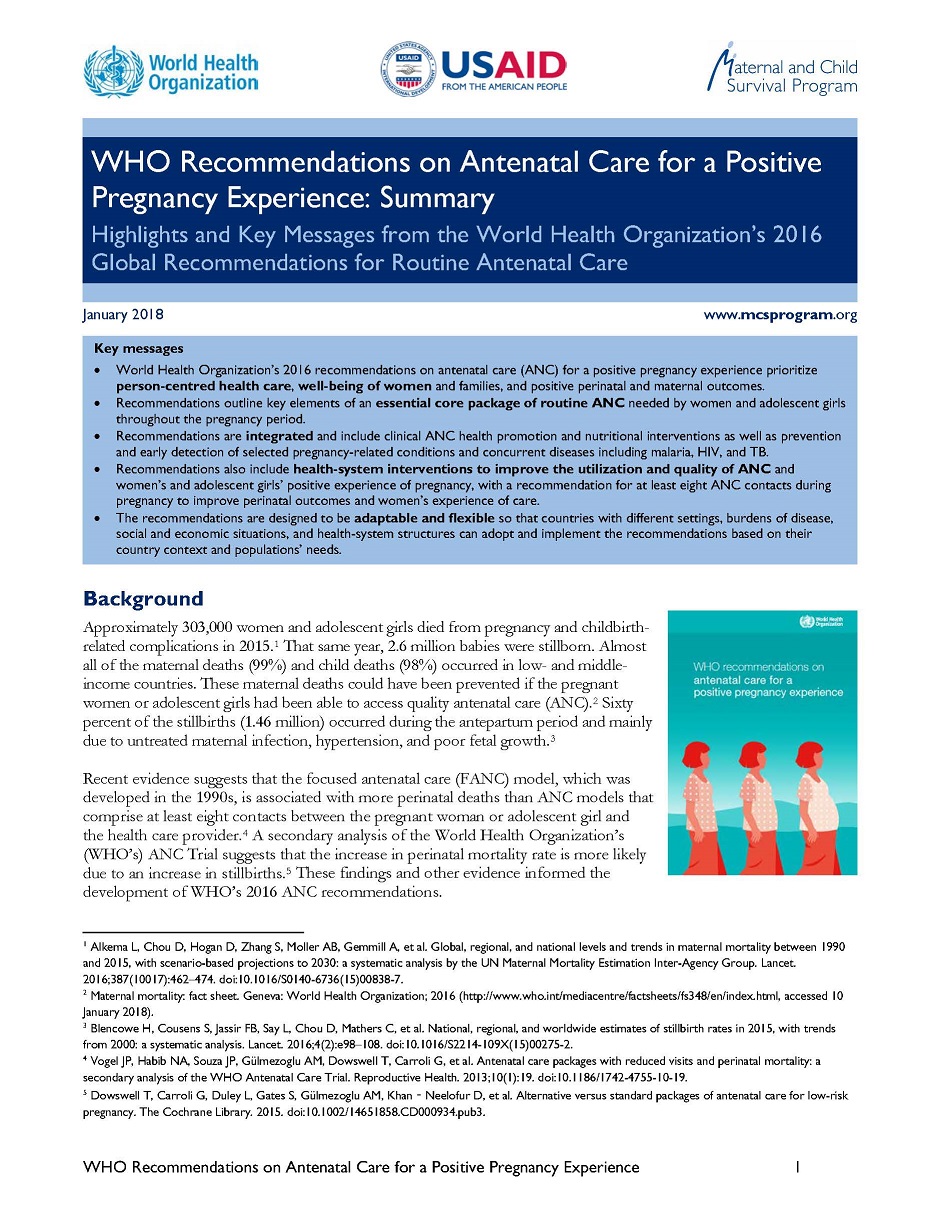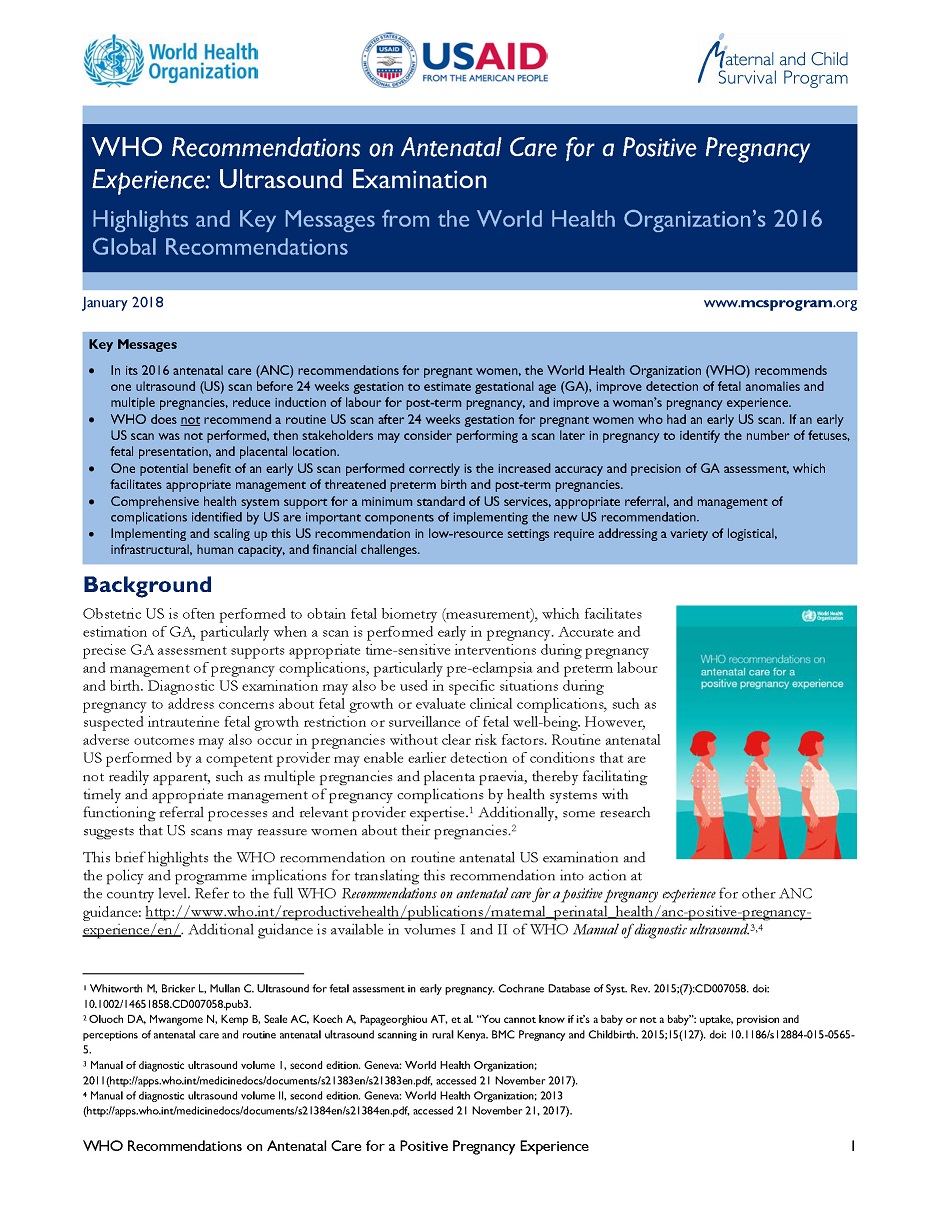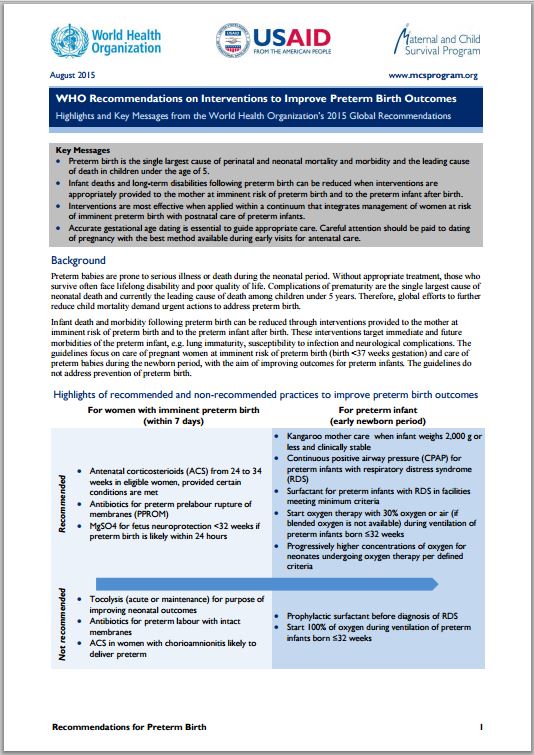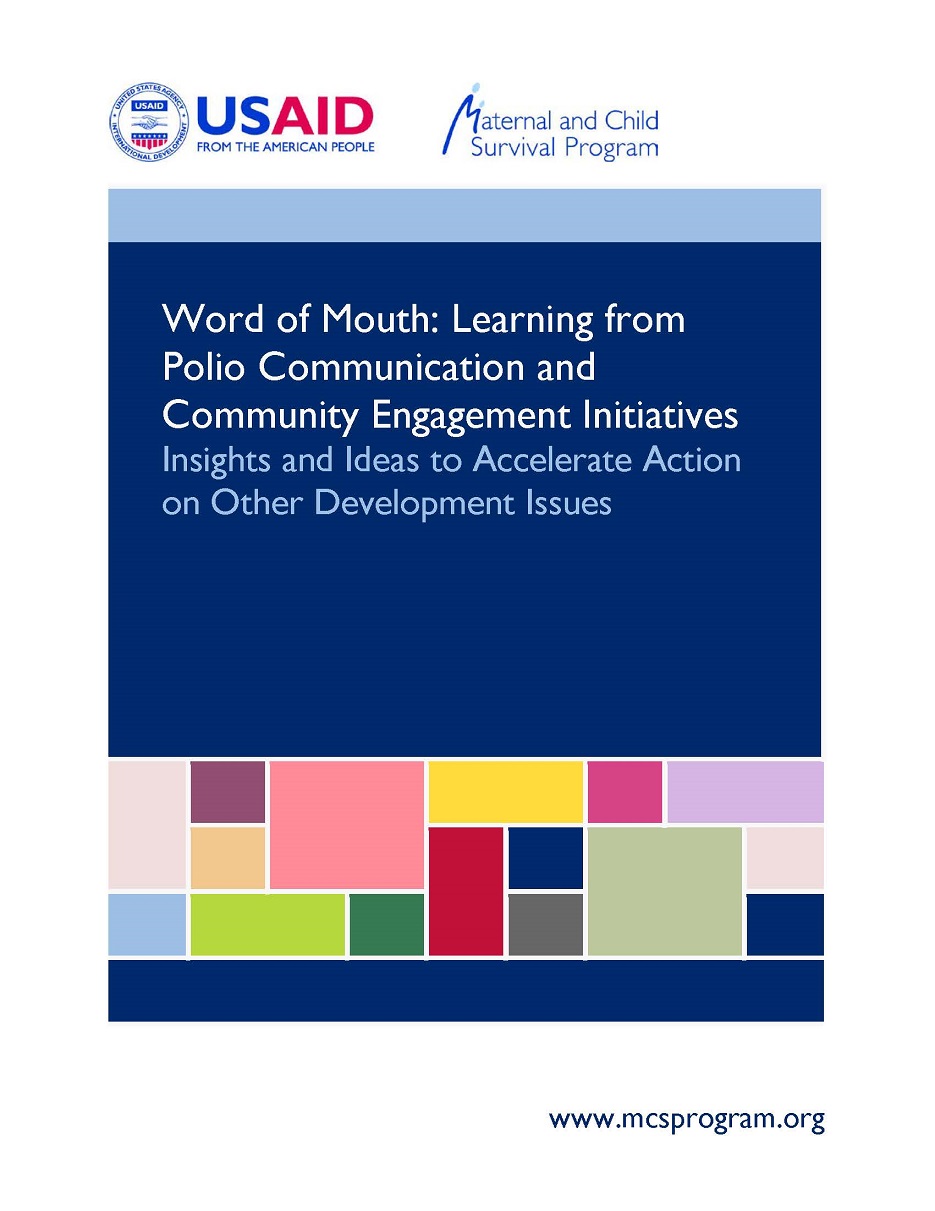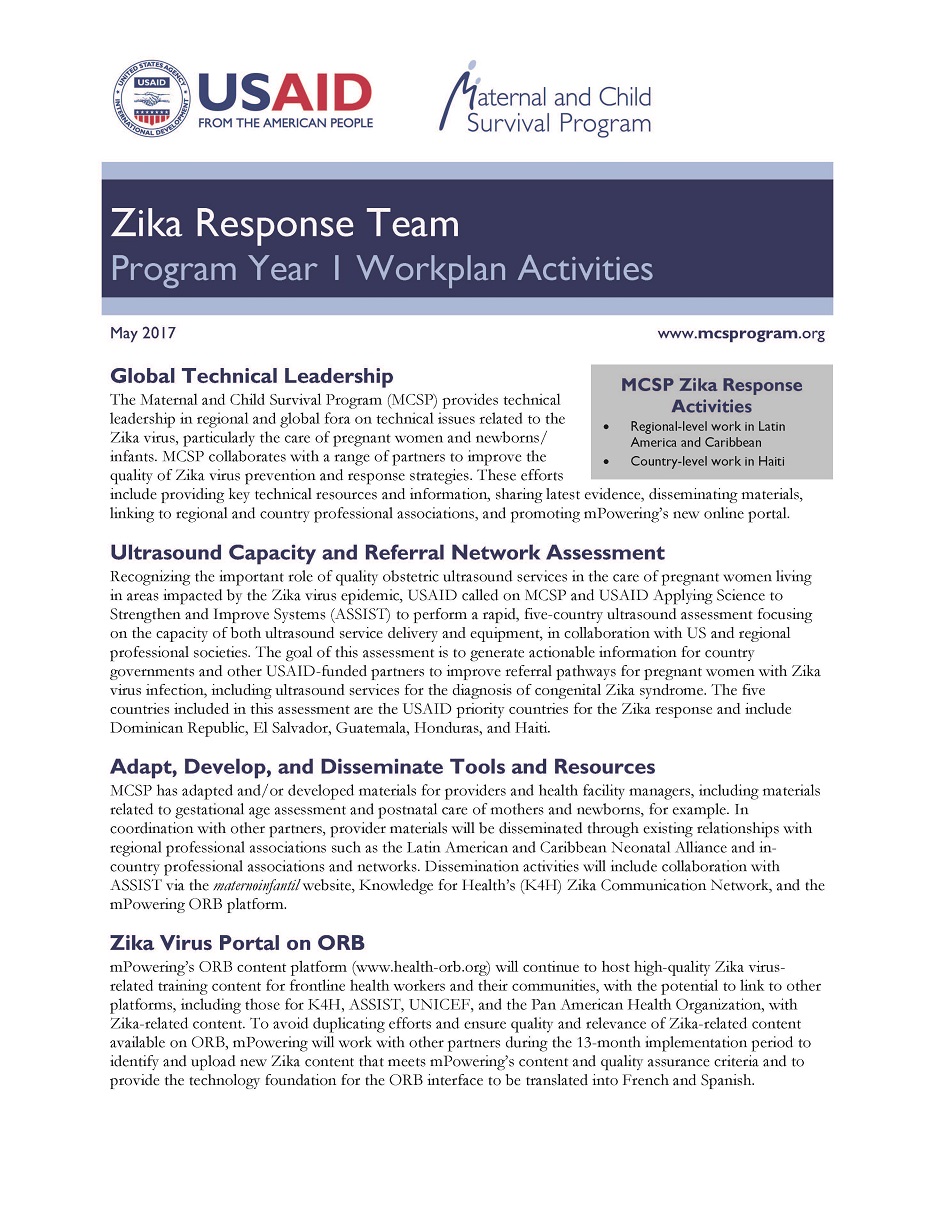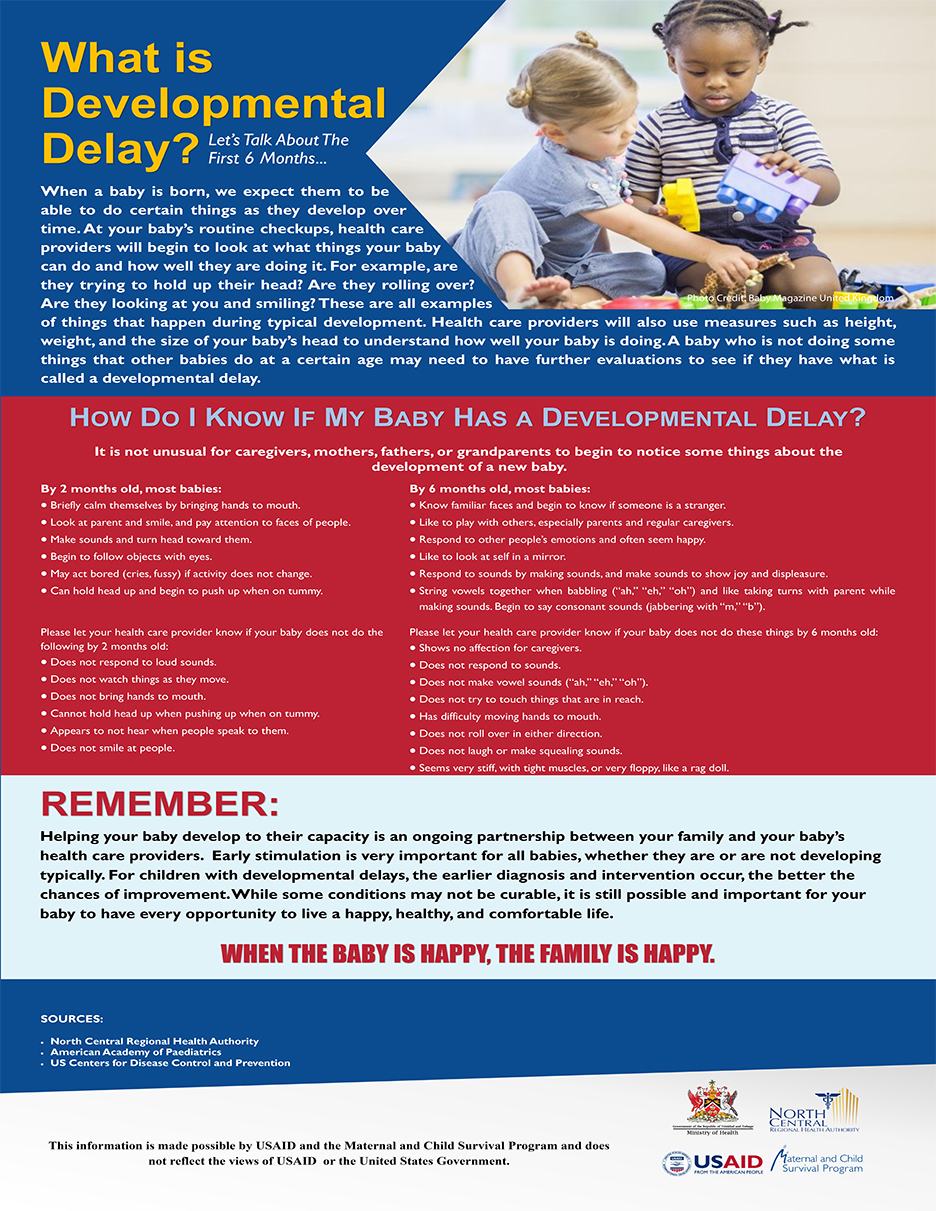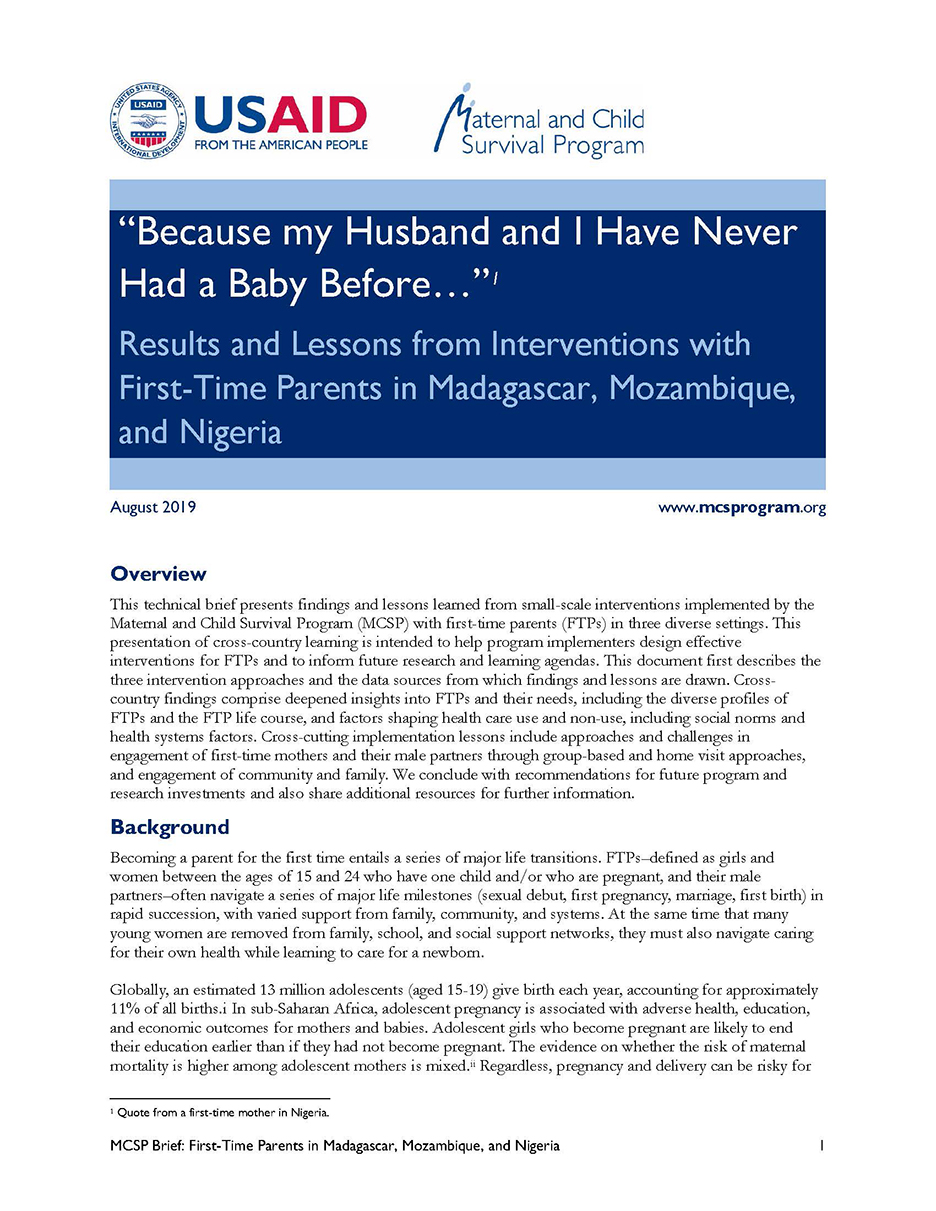587 Resources Found
2016 WHO Antenatal Care Guidelines Malaria in Pregnancy Frequently Asked Questions (FAQ)
In 2016, the World Health Organization (WHO) published Recommendations on Antenatal Care for a Positive Pregnancy Experience (WHO 2016), which outlines a new set of evidence-based global guidelines on recommended content and scheduling for antenatal care (ANC). These recommendations are the first set of ANC guidelines created under WHO’s current approved process for development of […]
A Blended Learning Approach for Basic Emergency Obstetric and Newborn Care Training in Ethiopia
Many countries are considering alternative approaches to conventional in-service clinical training because of high costs and disruption to service delivery when providers are pulled away from health facilities. Research on alternative and cost effective blended training approaches moves us closer to the objective of building competencies of health providers and minimizing the impact of necessary […]
A causal loop analysis of the sustainability of integrated community case management in Rwanda
This MCSP co-authored article in the journal Social Science and Medicine examines the expansion of community health services in Rwanda that has come with the national scale up of integrated Community Case Management (iCCM) of malaria, pneumonia and diarrhea. The authors used a sustainability assessment framework as part of a large-scale project evaluation to identify […]
A common monitoring framework for ending preventable maternal mortality, 2015–2030: phase I of a multi-step process
This open access, MCSP co-authored article, published in the journal BMC Pregnancy and Childbirth, examines how best to track progress toward the overall global maternal mortality target. […]
A facility birth can be the time to start family planning: Postpartum intrauterine device experiences from six countries
This MCSP co-authored article in the International Journal of Gynecology and Obstetrics looks at postpartum family planning and postpartum intrauterine device services integrated into maternal care in six low- and middle-income countries: Ethiopia, Guinea, India, Pakistan, Philippines and Rwanda. To read the open access article, click here. […]
A Health System Bottleneck Analysis of Care and Feeding of Small and Sick Newborns in Malawi: Findings and Considerations for Nutrition-Newborn Integration
Through Malawi’s existing Baby-Friendly Hospital Initiative platform, MCSP assisted the Malawi Ministry of Health in conducting a health system bottleneck analysis on care and feeding of small and sick newborns. This report discusses key findings and considerations for strengthening nutrition-newborn health integration to improve care for the most vulnerable babies. […]
A National Survey on Care of Possible Serious Bacterial Infection among Sick Young Infants 0-2 Months in Private Sector Medicine Shops and Clinics in Nepal
USAID in Nepal requested that MCSP build on the Saving Newborn Lives situation analysis and coordinate a large, nationally representative survey to provide a more definitive picture of the current provision of outpatient PSBI care for newborns in the private sector. The results serve as a baseline against which to track change in availability and […]
A Rapid Assessment of Oral Rehydration Therapy Corners in Bondo, Igembe North, and Igembe Central Subcounties, Kenya
In July – August 2015, MCSP conducted a rapid assessment of 16 health facilities in Bondo and Igembe, Kenya, to provide the Program with information to develop research questions related to the effectiveness and quality of Oral Rehydration Therapy Corners. […]
A Regional Assessment of Facility-Level Maternal and Perinatal Death Surveillance and Response Systems in Four Sub-Saharan African Countries
From 2016–2017, MCSP conducted an assessment on maternal and perinatal death surveillance and response (MPDSR) implementation in four sub-Saharan African countries: Nigeria, Rwanda, Tanzania, and Zimbabwe. The objectives of the assessment were to 1) assess implementation status of MPDSR processes at subnational and facility levels, and 2) describe facilitators and barriers to sustainable subnational MPDSR […]
A Review of the Maternal and Newborn Health Content of National Health Management Information Systems in 13 Countries in Sub-Saharan Africa and South Asia
This report summarizes the results and recommendations from a review of health management information system data collection forms and reporting formats in 13 MCHIP countries: Bangladesh, Ethiopia, India, Kenya, Malawi, Mali, Mozambique, Nepal, Nigeria, Rwanda, Tanzania, Uganda and Zimbabwe. […]
Accelerating Access to Postpartum Family Planning Report
The 2018 International Conference on Family Planning (ICFP) afforded a key opportunity for government representatives, family planning (FP) partners and experts from the Family Planning 2020 (FP2020) countries to collaborate on their FP priorities and commitments. Postpartum family planning (PPFP) is one of the high-impact interventions that countries can employ to fast-track progress toward the […]
Accelerating Harmonization in Digital Health
This MCSP co-authored article – published in the journal World Health & Population – explores the current state of efforts undertaken to move away from single-purpose applications of digital health towards integrated systems and solutions that align with national strategies. Through examples from health information systems, data and health worker training, the authors demonstrate how governments and stakeholders are […]
Accelerating Progress for Complementary Feeding in Kenya: Key Government Actions and the Way Forward
In Kenya, while impressive gains have been made in exclusive breastfeeding, progress in complementary feeding has been slow, and the country has failed to meet targets. This case study describes key actions for complementary feeding put in place by the Kenya Ministry of Health and approaches for improving and monitoring complementary feeding within existing health […]
Accelerating Progress in Micronutrient Deficiencies in Mozambique: A Ministry of Health Perspective
This commentary from the Mozambique Ministry of Health describes the Government of Mozambique’s commitment and support for the key recommendations outlined by Picolo et al. and calls for the engagement of key stakeholders and various government ministries to coordinate efforts to reach this goal. […]
Accroître l’utilisation des services de santé par les jeunes parents à travers l’approche intégrée de SRMN: Leçons d’une démonstration de faisabilité à Madagascar
The poster highlights increasing the use of health services amongst first time young parents in Madagascar. […]
Achieving Respectful Maternity Care for Women, Newborns and Families
The purpose of this operational guidance for respectful maternity care is to guide maternal and newborn health program implementers through a flexible, stepwise process to design, implement, and monitor efforts in their local context to improve women’s, newborns’ and families’ experience of care and eliminate mistreatment in facility-based childbirth. Also available in French […]
Active Audit and Feedback Intervention to Increase Use of Magnesium Sulfate and Anti-Hypertensive Therapy among Women with Severe Pre-eclampsia and Eclampsia in Public Referral Hospitals in Ethiopia
Ethiopia is among countries with high maternal mortality, with severe pre-eclampsia/eclampsia being one of the leading direct causes. If women receive effective care delivered according to evidence-based standards, the majority of deaths related to pre-eclampsia/eclampsia could be avoided. The management of severe pre-eclampsia/eclampsia, including controlling severe hypertension, through the correct use of magnesium sulfate and […]
Addressing barriers to exclusive breast-feeding in low- and middle-income countries: a systematic review and programmatic implications
Despite numerous global initiatives on breast-feeding, trend data show exclusive breast-feeding (EBF) rates have stagnated over the last two decades. The purpose of this systematic review was to determine barriers to exclusive breast-feeding in twenty-five low- and middle-income countries and discuss implications for programmes. To read the full, open access article in Public Health Nutrition, click here. […]
Addressing Barriers to Exclusive Breastfeeding in Nampula, Mozambique: Opportunities to Strengthen Counseling and Use of Job Aids
Optimal breastfeeding practices reduce neonatal and child morbidity and mortality. Lactating women may experience challenges to early initiation of breastfeeding and maintaining exclusive breastfeeding (EBF) for the first 6 months of an infant’s life. This implementation science study sought to address a key gap in evidence around the minimum competencies and practical skills needed by […]
Addressing Barriers to Exclusive Breastfeeding: Evidence and Program Considerations for Low- and Middle-Income Countries
This nutrition brief summarizes findings from an MCSP-led review identifying key barriers that impede exclusive breastfeeding during the first six months of life. The brief presents Demographic and Health Survey analyses of three key breastfeeding problems and a compilation of country policies that address exclusive breastfeeding. It also provides key considerations for implementers of infant […]
Addressing barriers to maternal nutrition in low‐ and middle-income countries: A review of the evidence and programme implications
Adequate maternal nutrition during the “first 1,000 days” window is critical from conception through the first 6 months of life to improve nutritional status and reduce the risk of poor birth outcomes, such as low birthweight and preterm birth. Unfortunately, many programmes have targeted implementation and monitoring of nutrition interventions to infants and young children, […]
Addressing Barriers to Maternal Nutrition: Evidence and Program Considerations
This brief presents a summary of a MCSP-led literature review of barriers to maternal nutrition and weight gain during pregnancy in low- and middle-income countries. The brief presents a compilation of country policies that address maternal diet and weight gain during pregnancy, and provides key considerations for inclusion of maternal nutrition and weight gain during […]
Addressing Inequities in the Coverage of Reproductive, Maternal, Newborn, and Child Health Interventions and Services: Strengthening Programmatic Approaches to Reach Underserved Women and Children
Recognizing the persistent challenges in reducing inequities in RMNCH service coverage, MCSP promoted equitable access to high-quality health care services and interventions for women, newborns, and children, and has used data to adapt programmatic approaches to address and learn from persistent equity challenges. This brief summarizes MCSP’s approach to addressing inequities, highlights key programmatic achievements, […]
Adolescent Age & Life-Stage Assessment Tools and Counseling Cards
The Adolescent Age and Life-Stage Assessment and Counseling tools aim to support health provider efforts to seize teachable moments while talking with adolescents on a one-on-one basis at the health facility. These tools and cards help providers target their counseling based on an adolescent’s age and life-stage in order to provide them with sound, practical […]
Advancing the application of systems thinking in health: sustainability evaluation as learning and sense-making in a complex urban health system in Northern Bangladesh
Starting in 1999, Concern Worldwide Inc. (Concern) worked with two Bangladeshi municipal health departments to support delivery of maternal and child health preventive services. A mid-term evaluation identified sustainability challenges. Concern relied on systems thinking implicitly to re-prioritize sustainability, but stakeholders also required a method, an explicit set of processes, to guide their decisions and […]
Africa Regional Workshop on Improving Routine Data for Child Health in National Health Information Systems
This workshop report covers the highlights of the September 2017 Africa Regional Workshop on Improving Routine Data for Child Health in National Health Information Systems. The workshop aimed to advance the availability, accessibility, quality, and use of child health and nutrition data within national health information systems. More than 90 participants from 15 countries gathered […]
Alternative Birth Positions training materials
A key component of implementing respectful maternity care is protecting a woman’s right to assume the position of her choice during labor and birth, which has benefits for the woman, the baby, and the health system. This package of training materials for alternative birth positions can be used in three ways: 1) as a stand-alone training; […]
Alternative training models for strengthening health worker capacity to implement the Integrated Management of Newborn and Childhood Illness (IMNCI) strategy in Uganda
In October 2017, MCSP, alongside the RHITES partners, collaborated with the WHO and the MOH to pilot two alternative training approaches for implementation of the Integrated Management of Newborn and Childhood Illness (IMNCI) strategy — the distance learning model developed by WHO and the short-interrupted course model developed by the MOH — to roll out […]
An Alternative to Classroom-Based Health Worker Training in Rwanda: MCSP Rwanda Case Study
This case study describes a combination of human capacity development (HCD) approaches used in 10 districts of Rwanda, with support from MCSP, to strengthen service delivery for high-impact interventions that include: Helping Babies Breathe (HBB)/essential newborn care (ENC), basic emergency obstetric and newborn care (BEmONC), and integrated management of childhood illnesses (IMCI). […]
An Analysis of Contributions to Expanding Access to and Uptake of Quality Family Planning Services in Five States of India
In partnership with the MoHFW, MCSP evaluated the impact of family planning interventions supported by the program in five states of India using a “Contribution Analysis” (CA) methodology to explain the results within the complex adaptive systems within which they were achieved. This report summarizes the programmatic achievements and implications and offers recommendations for future […]
An Approach to Increase Coverage and Equity by Adapting and Using Revised Reaching Every District: MCSP Experiences Adapting the RED Guide in Malawi and Kenya
This document provides a summary of MCSP and John Snow, Inc.’s experience in the adaptation of the regional Reaching Every District (RED) guideline to country-specific contexts in order to inform other countries undertaking the process. The document is also available in French. […]
An Assessment of the Status of Kangaroo Mother Care in the Dominican Republic: Findings and Considerations for Sustainability
This report details the status of implementation of Kangaroo Mother Care (KMC) in the Dominican Republic (DR) along with key bottlenecks and challenges in KMC implementation and proposed solutions. The objectives of this assessment were to: Assess the status of implementation and scale-up of KMC in the Dominican Republic Assess for gaps and bottlenecks in […]
Annex: Mapping of Global Leadership in Child Health (Sub-Saharan Africa Perspective)
MCSP conducted the study “Mapping of Global Leadership in Child Health” from November 2015 to April 2016 to better understand the evolution of child health as a global health issue since 2000 and to understand its complex network of stakeholders and leaders. Based on reviewed published literature and over 30 in-depth interviews with child health […]
Applying the Care Group model to tuberculosis control: findings from a community-based project in Mozambique
This journal article describes the effectiveness of an innovative community-based social mobilization approach called Care Groups to improve the effectiveness of the national tuberculosis (TB) program by increasing TB testing and improving treatment outcomes in six districts of rural Mozambique. To read the full, open-access article in The International Journal of Tuberculosis and Lung Disease, click here. […]
Applying the Reaching Every District/Reaching Every Child (RED/REC) approach to strengthen routine immunization in five health districts in Burkina Faso
In 2017, MCSP with Global health Security Agenda (GHSA) funding, began supporting the Burkina Faso Ministry of Health’s (MOH) routine immunization strengthening efforts in five districts of Burkina Faso. A major goal of MCSP’s support was to help the MOH sustain existing successes in routine immunization coverage while closing gaps in reaching the unvaccinated and […]
Are We Reaching the Worst-Off? How the Myanmar Census Helped to Answer This Question
Many programs and projects are designed with the goal to benefit the worst-off, but how often do they live up to this commendable goal? Unfortunately, few have reliable data to answer that question. This brief draws upon existing censuses and household surveys using an asset index as a measure of socioeconomic position (SEP). It explains […]
Assessing Ghanaian Health Care Workers’ Practice through Task Analysis
In Ghana, MCSP collaborates with the Ministry of Health (MOH) and the Ghana Health Service (GHS) to provide high-quality pre-service education (PSE) and community-based health care delivery (CHPS). Over the years, interest has increased in building the capacity of CHPS workers to deliver packages of lifesaving maternal, newborn, and reproductive health interventions to strengthen Ghana’s […]
Assessing Key Health Services for Mothers and Children in Rwanda
In October 2015, the Rwanda Biomedical Center (RBC), in collaboration with MCSP, conducted a cross-sectional baseline assessment of public and faith-based health facilities in 10 districts of Rwanda to guide work planning for strengthening reproductive, maternal, newborn, and child health (RMNCH) services. This assessment included two components: a quantitative health facility assessment (HFA), which is […]
Assessing Knowledge, Practice, and Coverage of Newborn Care Services in Ethiopia
This brief presents findings from the baseline of the Newborns in Ethiopia Gaining Attention (NEGA) project. This project conducted a baseline household survey of recently delivered women in the four regions to provide baseline measures for key maternal and newborn health indicators of knowledge, practice, and service coverage. Results of the survey provided valuable information to design project activities to meet […]
Assessing the Effectiveness of a Web-Based Vaccine Information Management System on Immunization-Related Data Functions
In Tanzania, MCSP provides technical support to the Ministry of Health, Community Development, Gender, Elderly, and Children (MOHCDGEC) in seven regions focused on ensuring that all women, newborns, and children who are most in need have equitable access to quality health care services to save lives. The Immunization and Vaccine Development (IVD) Program of the […]
Assessing the Socioeconomic Profile of the Beneficiaries of an Intervention: A Step-by-Step Guide
This document describes a simple and low-cost method for assessing the socioeconomic profile of the beneficiaries of an intervention and to determine whether the intervention is pro-poor. It provides details on each step of the analysis. […]
Assessment of Antenatal Care Including Malaria in Pregnancy in Three Regions of Myanmar
MCSP is working closely with the Ministry of Health and Sports (MOHS) in Myanmar to implement programs to help meet the country’s maternal and newborn health service- strengthening needs. As part of MCSP’s work, an assessment of antenatal care services was conducted to better understand the current state of services related to the prevention and […]
Assessment of Antenatal Care Including Malaria in Pregnancy in Three Regions of Myanmar
As part of MCSP’s work, an assessment of antenatal care (ANC) services was conducted to better understand the current state of services related to the prevention and treatment of malaria in pregnancy (MIP) during ANC. The assessment results are described in this report. The goal of the assessment was to inform the development or revision, […]
Assessment of Maternal and Perinatal Death Surveillance and Response (MPDSR) Implementation in Kagera and Mara Region, Tanzania
There is global consensus that accurate information about causes of death through mortality audits is needed to help inform efforts to end preventable maternal and perinatal deaths. Tanzania’s Ministry of Health, Community Development, Gender, Elderly and Children (MOHCDGEC) and MCSP aimed to document experiences to date in implementing maternal death review, perinatal death review, and/or […]
Assessment of Maternal and Perinatal Death Surveillance and Response Implementation in Ebonyi and Kogi States, Nigeria
MCSP and Save the Children, together with several Nigerian professional associations, set out to document experiences to date in implementing maternal death review, perinatal death review, and/or integrated maternal and perinatal death surveillance and response (MPDSR) processes in Nigeria. The study sought to identify factors that have facilitated or inhibited the uptake and sustainability of […]
Assessment of Maternal and Perinatal Death Surveillance and Response Implementation in Rwanda
The Rwandan Ministry of Health (MOH) and USAID’s MCSP aimed to document experiences in implementing maternal death review, perinatal death review, and/or integrated maternal and perinatal death surveillance and response (MPDSR) processes in Rwanda. Rwanda was one of four countries selected as part of a multi-country assessment of MPDSR processes at the district level. The […]
Assessment of Maternal and Perinatal Death Surveillance and Response Implementation in Zimbabwe
Zimbabwe’s Ministry of Health and Child Care (MOHCC), supported by the United States Agency for International Development’s Maternal and Child Survival Program (MCSP) operating locally in Zimbabwe as the Maternal and Child Health Integrated Program (MCHIP), set out to document experiences in implementing maternal death review, perinatal death review, and/or integrated maternal and perinatal death surveillance and response (MPDSR) […]
Assessment of the MCSP Technical Assistance Model to Support Zambia’s RMNCAHN Continuum of Care Program
MCSP provided technical assistance to Zambia’s Ministry of Health to implement a reproductive, maternal, newborn, child and adolescent health and nutrition (RMNCAHN) Continuum of Care program from 2017-2018. MCSP worked in each of the 42 districts in Muchinga, Southern, Eastern and Luapula provinces, providing demand-driven technical assistance to Zambia’s Ministry of Health at the national, […]
Association of Volunteer Communication Mobilizers’ Polio-Related Knowledge and Job-Related Characteristics With Health Message Delivery Performance in Kano District of Nigeria
Volunteer communication mobilizers (VCMs) were deployed in Nigeria to increase community awareness for polio vaccination. To understand whether VCMs’ knowledge and job-related characteristics were associated with performance, the authors conducted a cross-sectional survey in the Nassarawa and Ungogo Local Governance Areas (LGAs). They asked VCMs about the consequences of polio, preventive strategies, and health communication […]
Atelier régional africain sur l’amélioration des données de routine pour la santé infantile dans les systèmes nationaux d’information sanitaire
In September 2017, USAID, in collaboration with MCSP, convened the Africa Regional Workshop on Improving Routine Data for Child Health in National Health Information Systems to advance the availability, accessibility, quality, and use of child health and nutrition data within national health information systems. More than 90 participants from 15 countries gathered in Johannesburg, South […]
Baby Friendly Community Initiative (BFCI): Implementation Experience from Kenya
This report describes the roll out of the Baby Friendly Community Initiative in Kenya based on program implementation experiences of MCSP and MCHIP. It provides insight on one way a country decided to develop and sustain a supportive environment for breastfeeding at the community level in tandem with facility-based efforts to protect, promote and support […]
Baby‐Friendly Community Initiative—From National Guidelines to Implementation: A Multisectoral Platform for Improving Infant and Young Child Feeding Practices and Integrated Health Services
The Baby-Friendly Community Initiative (BFCI) is a comprehensive platform to provide continued breastfeeding support to women upon facility discharge after birth through mother-to-mother and community support groups. The Government of Kenya developed the first national BFCI guidelines to inform national and subnational level implementation. This paper describes the process of BFCI implementation within the Kenyan […]
Basic ToolKit for Systematic Scale-Up
The Coordinators Guide and Toolkit are intended for those supporting a Ministry of Health-led systematic process of scale-up of one or more high-impact reproductive, maternal, newborn, child and adolescent health interventions, geared towards a scale-up coordinator or scale-up manager role. This guide is intended for use by those who support a country’s systematic process of […]
Best Practices in Availability, Management and Use of Geospatial Data to Guide Reproductive, Maternal, Child and Adolescent Health Programmes
The commentary provides a set of considerations and some examples for reproductive, maternal, newborn, child and adolescent health (RMNCAH) programmes that wish to use geospatial data. […]
Better Care for Nigerian Women and Children
Between 2014 and 2018, MCSP collaborated with the Federal Ministry of Health (FMOH), Ebonyi and Kogi State Ministry of Health (SMOH), professional associations and other key stakeholders to improve the delivery and utilization of quality maternal, newborn and child health services in selected health facilities and communities in Ebonyi and Kogi states. […]
Beyond causes of death: The social determinants of mortality among children aged 1-59 months in Nigeria from 2009 to 2013
The 2014 Verbal and Social Autopsy Study was conducted based on a nationally representative sample of 3,254 deaths that occurred in children under the age of five and were reported on the birth history component of the 2013 Nigerian Demographic and Health Survey. Published in PLOS ONE, this is a descriptive analysis of the preventive and […]
Beyond new vaccine introduction: the uptake of pneumococcal conjugate vaccine in the African Region
The number of vaccines available to low-income countries has increased dramatically over the last decade. Overall infant immunization coverage in the WHO African region has stagnated in the past few years while countries’ ability to maintain high immunization coverage rates following introduction of new vaccines has been uneven. This case study examines post-introduction coverage among […]
Beyond the Building Blocks: Integrating Community Roles into Health Systems Frameworks to Achieve Health for All
This paper articulates the need for dedicated human resources and quality services at the community level; it places strategies for organizing and mobilizing social resources in communities in the context of systems for health; it situates health information as one ingredient of a larger block dedicated to information, learning and accountability; and it recognizes societal […]
Bondo iCCM Study: Key Findings and Recommendations
In 2013, in collaboration with the Kenya Ministry of Health (MOH), USAID’s predecessor Maternal and Child Health Integrated Program (MCHIP) initiated an implementation research study to inform the MOH and its partners about the feasibility of, factors for success in, and challenges of implementing integrated community case management (iCCM). The study was completed by MCHIP’s […]
Building Community Health Worker Capacity in Egypt
USAID’s flagship Maternal and Child Survival Program (MCSP), or the Improving Maternal, Child Health and Nutrition (IMCHN) project, as it is known in Egypt, has worked in close collaboration with Egypt’s Ministry of Health and Population (MOHP) since April 2015 to strengthen the national community health worker (CHW) program. The MOHP established Egypt’s CHW—also known […]
Building Family Planning Services in DRC
In the Democratic Republic of Congo (DRC) an estimated 70% of the population of 81 million have little or no access to healthcare. DRC has the third highest fertility rate globally at 6.6 children per woman, a national maternal mortality rate of 846 per 100,000 live births and an adolescent birth rate of 138 per […]
Building Health Facility Autonomy
From October 2015 to September 2018, MCSP in collaboration with the Rwandan Ministry of Health (MOH), used innovative approaches to deliver Integrated Management of Childhood Illnesses (IMCI) trainings rolled out in ten out of 30 districts in Rwanda. MCSP helped train a total of 933 care providers: 307 were trained through a Low Dose High […]
Building Human Capacity through Peer Mentorship in Lao PDR
This case study describes a mentorship approach used in Lao PDR to support the Ministry of Health’s reproductive, maternal, newborn, and child health (RMNCH) strategy by providing in-service capacity strengthening to skilled birth attendants (midwives, nurses, doctors and other health staff). […]
Building the Capacity of Service Providers in Delivering Sustainable, High-Quality Family Planning Services: Pakistan Technical Brief
MCSP, in collaboration with provincial departments of health (DOHs) and population welfare departments (PWDs), invested in two core interventions in Pakistan to bolster skilled providers: cascaded trainings and supportive supervision. MCSP also developed an innovative and user-friendly digital training information management system to faciliate real-time monitoring and data-driven decision-making for investements in human resources. […]
Burkina Faso EOP Report
In November 2017, the USAID Mission in Burkina Faso requested one year of assistance from the Maternal and Child Survival Program (MCSP) to prevent epidemics by strengthening surveillance and routine immunization. surveillance, with a focus on meningitis and dengue prevention, preparedness for potential outbreaks, and response. Specifically, the project aimed to achieve the following: scale-up […]
Call to Action: Implementing the Nurturing Care Framework in Ghana
The Government of Ghana (GOG) has made a strong commitment to achieve the Sustainable Development Goals (SDGs), specifically SGD 4 regarding access to quality ECD services. Recently, the GOG reaffirmed this commitment through dedication of personnel and coordination mechanisms to rollout the Nurturing Care Framework in Ghana. This investment is a critical first step given […]
Care of newborns with PSBI at the Primary Health Care Level Where Referral is Not Possible
This technical brief describes MCSP’s support of Nigeria’s Federal Ministry of Health (FMoH) and the State Ministry of Health of Kogi and Ebonyi States to operationalize this new policy for treatment of possible severe bacterial infection at Primary Healthcare Centers through training of service providers and various stakeholders. […]
Caregiver Psychosocial Support
The purpose of this manual is to be a guide for peers, counselors or social workers conducting psychosocial support sessions for caregivers, both men and women, of children with disabilities of any age. The manual is available in Spanish. A PowerPoint is also available to accompany the manual in English and Spanish. […]
Caregiver Psychosocial Support Training
The Caregiver Psychosocial Support Training tool is for parents who are caring for a child with a disability and are interested in facilitating peer support groups. […]
Case Studies of Large-Scale Community Health Worker Programs
This condensed version of the case studies includes examples from Afghanistan, Bangladesh, Brazil, Ethiopia, India, Indonesia, Iran, Nepal, Pakistan, Rwanda, Zambia and Zimbabwe. For the full version of this document, click here. […]
Case Studies of Large-Scale Community Health Worker Programs
This overview of large-scale community health worker (CHW) programs from 13 countries — Afghanistan, Bangladesh, Brazil, Ethiopia, India, Indonesia, Iran, Nepal, Niger, Pakistan, Rwanda, Zambia and Zimbabwe — aims to inform policymakers and program implementers in designing, implementing, scaling up, and strengthening large-scale CHW programs. CHW programs, by their very nature, are a product of the local […]
Case Study: Experience Applying and Tracking a Quality Improvement Approach for Maternal and Newborn Health Services in Sub-Saharan Africa
The Standards-Based Management and Recognition (SBM-R®) approach to quality improvement was applied to maternal and newborn health services in Guinea, Mozambique, Nigeria and Zimbabwe. In every country, the quality of service delivery, as measured by clinical performance standards, improved following the intervention. The performance of evidence-based service delivery practices, as measured through service statistics, also […]
Case Study: Improving Quality of Care and Outcomes for Child Health Using the Standards-Based Management and Recognition Approach in Zimbabwe
This case study aims to document the application of Standards-Based Management and Recognition (SBM-R) as a quality improvement approach to the case management of childhood illness in Zimbabwe through USAID’s predecessor flagship Maternal and Child Health Program. The lessons learned about the implementation process, success factors, and challenges will illumine the adoption of SBM-R to […]
Case Study: Primary Healthcare Clinical Placements during Nursing and Midwifery Education in Lesotho
In Lesotho, primary healthcare is the main access point for health services. While nurses and midwives provide most of the care at this level, assessments of the clinical education programs have highlighted gaps in primary healthcare experiences for nursing and midwifery students. This case study examines placement of nursing and midwifery students in primary health […]
Catalyzing Change: A Look at USAID’s Maternal and Child Survival Program
MCSP has partnered with 32 countries to increase maternal and child survival and build resilient, accountable and responsive health systems. MCSP’s work has better equipped countries to face current and emerging health threats such as Ebola, plague, and Zika, and help advance U.S. national security and economic prosperity. Since 2014, MCSP has: strengthened resilience of […]
Cervical Cancer Prevention in Tanzania
In collaboration with the Ministry of Health Community Development, Gender, Elderly and Children (MOHCDGEC), MCSP Tanzania worked to strengthen cervical cancer prevention implementation by building local capacity among national, regional, and facility-level staff to execute a comprehensive, sustainable, high-quality, and results-based program. […]
Child Survival and Health Grants Program Findings
For almost three decades, USAID’s Child Survival and Health Grants Program (CSHGP) has strengthened the capacity and leveraged the resources of international non-governmental organizations (NGOs), governments, and civil society to respond to shifting policies and strategies in 65 countries. Collectively, they have served over 147 million children under the age of five and almost 74 […]
Civil Society Engagement Strategy: 2016 – 2019
This document describes a strategy for MCSP to strengthen engagement with civil society in order to accelerate progress of the Ending Preventable Child and Maternal Deaths project, including strengthening multi-stakeholder partnerships in support of Every Woman Ever Child’s Global Strategy 2.0. This shared engagement strategy provides a unique opportunity to align action, voice and resources […]
Clean Clinic Approach Brief
Unsafe water, sanitation and hygiene (WASH) conditions and practices discourage people from seeking care at health facilities. This two-page brief explains MCSP’s Clean Clinic Approach, a programmatic tool that encourages health facilities to establish WASH goals and make incremental improvements towards the end goal of achieving “Clean Clinic” status, as defined with the national Ministry […]
Clean Clinic Approach One-Pager
Unsafe water, sanitation and hygiene (WASH) conditions and practices discourage people from seeking care at health facilities. This one-pager visually explains MCSP’s Clean Clinic Approach, a programmatic tool that encourages health facilities to establish WASH goals and make incremental improvements towards the end goal of achieving “Clean Clinic” status, as defined with the national Ministry […]
Communities and Health Extension Workers Provide Care for Low-Birthweight Babies in Amhara and Oromia Regions
This study was conducted to create a better understanding on identifying and caring for low birthweight (LBW) babies in its operating areas. The objectives of the study were to: Understand the approaches used by health extension workers (HEWs), Health Development Army (HDA) leaders, and community members to identify LBW babies and the associated enabling factors […]
Community Engagement, Routine Immunization, and the Polio Legacy in Northern Nigeria
The Partnership for Reviving Routine Immunization in Northern Nigeria; Maternal, Newborn, and Child Health Initiative (PRRINN-MNCH) was a project funded by the UK Department of International Development and the Norwegian government that used an integrated approach to strengthen health services and increase community demand for and access to quality health care. Baseline and endline population-based […]
Community Health Systems as Complex Adaptive Systems: Ontology and Praxis Lessons from an Urban Health Experience with Demonstrated Sustainability
The global health and development field, which has been reasonably dominated by linear models of planning, is witnessing increased interest in complexity, non-linear processes, and systems thinking. This welcome interest is challenged by both language and ability to discern whether complex development phenomena are discussed from the perspective of the nature of particular health systems […]
Community Health Worker Coverage and Capacity Tool
The Community Health Worker (CHW) Coverage and Capacity Tool (C3) was designed as an operational tool following the release of the CHW Reference Guide, notably Chapter 7 on CHW Roles and Responsibilities. C3 is an Excel-based tool that models options for CHW allocation and engagement. It can support planners to (1) estimate the number of CHWs required to […]
Community Mobilization and Home Visits: Key Pillars of the Community-Based Health Planning and Services (CHPS) Program in Ghana
Community-Based Health Planning and Services (CHPS) is valued as Ghana’s main platform for bringing primary health care services to the entire population. The program caters to rural populations and communities in isolated areas. It is important to the Ghanaian government to continue to ensure quality of care and improvement of service provision within the CHPS […]
Community Monitoring of Individual Children’s Vaccinations
In low- and middle-income countries, unsatisfactory vaccination coverage often reflects services that are not sufficiently accessible, convenient, reliable, or friendly. It may also reflect a lack of public understanding or trust in vaccination and/or vaccination services. Additionally, in developing countries, various sociocultural factors affect the likelihood that families make the effort to get their children […]
Community-Based Care in Ethiopia
In 2014, the Federal Ministry of Health (FMOH), the Maternal and Child Survival Program-Newborns in Ethiopia Gaining Attention (MCSP-NEGA) project, and country partners developed a Demand Creation Strategy for MNCH-CBNC that focused on approaches to address the persistent low demand for community-based newborn care (CBNC). The design process included a review of global and local […]
Community-Based Distribution of Iron-Folic Acid Supplementation: Evidence and Program Implications
This MCSP nutrition brief summarizes findings from an MCSP-led review identifying key strengths of community-based distribution (CBD) of iron-folic acid (IFA) supplementation and some barriers that may impede its roll-out. The brief presents evidence for improved IFA supplementation coverage and anemia reduction among women, a compilation of country policies that address barriers to CBD of […]
Community-based distribution of iron–folic acid supplementation in low- and middle-income countries: a review of evidence and programme implications
This literature review aimed to review the evidence for community-based distribution (CBD) of iron–folic acid (IFA) supplementation as a feasible approach to improve anaemia rates in low- and middle-income countries. CBD programmes had moderate success with midwives and community health workers (CHW) who counselled on health benefits and compliance with IFA supplementation. CHW were more […]
Community-Based Family Planning Breaking Barriers to Access and Increasing Choices for Women and Families
The US Agency for International Development (USAID)-funded Maternal and Child Survival Program (MCSP) advocates for health promotion, prevention, and curative service delivery in and with communities across the reproductive, maternal, newborn, and child health (RMNCH) spectrum of interventions. MCSP promotes the institutionalization of community health as a central component of country health systems, ensuring that […]
Community-based Health Planning and Services (CHPS) in Ghana – Formative Research to Adapt the CHPS Model to Urban Settings
This assessment aims to work with the Ghana Health Service (GHS) to validate and add to the findings of two pilot projects by gaining a more representative view of health needs and Community-based Health Planning and Services (CHPS) implementation in urban settings in regions of Ghana. This MCSP learning activity will aim to use the […]
Community-Based HIV Testing and Counseling in the Health Extension Program
MCSP is currently implementing a multifaceted project to support the Ministry of Health and Social Services (MoHSS) in delivering community-based HIV testing and counseling through the national Health Extension Program (HEP). This initiative is aimed at capacitating the MoHSS with regard to community-based HTS by reducing its reliance on partners. This report is an evaluation […]
Community-Based Newborn Health Promotion in Pastoralist Ethiopia: The Social Mobilization and Demand Creation Project
The Ethiopian government’s commitment and resources have contributed to considerable progress in improving child health during the past 15 years. To further reduce newborn deaths (those in the first 28 days of life), Ethiopia has implemented a policy framework to support newborn health, reflecting the Every Newborn Action Plan approved by the World Health Assembly […]
Comprehensive Approach to Health Systems Management Resource Compendium
This resource aims to review existing approaches, programs and materials to inform MCSP’s design of the Comprehensive Approach to Health Systems Management, and identify applicable resources that may be useful to the implementation of the approach in countries. […]
Comprehensive Breastfeeding Support and Feeding of Small and Sick Newborns in Low- and Middle-Income Countries: Programmatic Considerations
This brief provides policy makers and program implementers with a summary of the rationale and implementation considerations for strengthening targeted efforts to promote breast milk feeding for small and sick newborns (SSNBs) in Low-and Middle-Income Countries (LMICs). […]
Congenital Zika Syndrome
This brief summarizes current knowledge on congenital Zika syndrome (CZS), including estimated global burden, clinical characteristics, diagnosis, care, and follow-up recommendations for infants and affected families. […]
Controlling maternal anemia and malaria: ensuring pregnant women receive effective interventions to prevent malaria and anemia: what program managers and policymakers should know
This brief describes World Health Organization recommendations for IPTp to prevent malaria in pregnancy and iron-folic acid supplementation to prevent iron deficiency anemia in sub-Saharan Africa countries, with an emphasis on giving the correct dose of folic acid to maximize the effectiveness of interventions to prevent malaria. The brief is for program managers of health […]
Core Concepts for Clinical Preceptors & Faculty
This document contains selected content from the Johns Hopkins School of Nursing preceptor training mobile application reproduced as notecards. It includes modules on: Foundations of Precepting; Evaluation; Educator Challenges; Culture of Caring; Communication; and Clinical Reasoning. […]
Cost Analysis for Clean Clinic Approach Activities in Guatemala and Implications for Scale-Up
The Clean Clinic Approach (CCA), a 10-step quality improvement process developed by MCSP, supports health care facilities to make incremental and effective improvements to cleanliness and infection prevention to improve quality of care and reduce maternal and newborn infections, without relying on large external investments. From February 2018 to March 2019, the Ministry of Public […]
Cost Analysis for Scale-Up of Postpartum Family Planning in Rwanda
Brief on cost analysis for scaling up postpartum family planning in Rwanda. […]
Cost Analysis for Scaling Up a Practice Improvement Package for HBB/ENC in Rwanda
Brief on cost analysis for scaling up a practice improvement package for Helping Babies Breathe / essential newborn care in Rwanda. […]
Costing of an Essential Child Health Package in Uganda
MCSP conducted a costing analysis to understand the financial implications of expanding the “essential” child health package (ECHP), specifically estimating the costs of the MCSP- and Regional Health Integration to Enhance Services-supported activities, such as integrated trainings and mentorship, and the costs to deliver the full ECHP at public primary health care (PHC) facilities. […]
Costing Tool for Scaling Up Community-based Health Planning and Services (CHPS) in Ghana
In 2016, the Ghana Health Service, with support from MCSP, developed cost estimates for average investment (or start-up) and operating costs for a functional Community-based Health Planning and Services (CHPS) zone to inform policy, planning, and advocacy. Based on the cost estimates, a CHPS Costing Tool was also developed in 2017 to support national and […]
Costs and Cost-Effectiveness of Community Health Investments in Reproductive, Maternal, Neonatal, and Child Health
This cost and cost-effectiveness brief aims to broadly summarize existing information on the costs and cost-effectiveness of community-delivered reproductive, maternal, neonatal, and child health interventions, including large-scale community health worker programs, to provide health decision-makers and planners with a baseline understanding of the types of costs associated with providing these services. To support efforts to […]
Count every newborn; a measurement improvement roadmap for coverage data
This open access, MCSP co-authored article in the journal BMC Pregnancy and Childbirth examines the Every Newborn Action Plan (ENAP), launched in 2014 to address preventable newborn deaths and stillbirths. The authors detail, in a multistage process, a matrix of 70 indicators were assessed by the Every Newborn steering group. Indicators were graded based on their availability […]
Coverage, compliance, acceptability and feasibility of a program to prevent pre-eclampsia and eclampsia through calcium supplementation for pregnant women in one district of Nepal
Calcium supplementation during pregnancy has been shown to reduce the incidence of pre-eclampsia/eclampsia among women with low calcium intake. This MCSP co-authored article, published in the journal BMC Pregnancy and Childbirth, evaluated coverage, compliance, acceptability and feasibility of the intervention after universal, free calcium supplementation through government antenatal care services was piloted in the Dailekh […]
Critical principles from USAID’s flagship Maternal and Child Survival Program to help countries on their journey to self-reliance
From 2014 to 2019, USAID’s flagship Maternal and Child Survival Program (MCSP) partnered with 32 countries to improve health outcomes for women and children and build more resilient, accountable, and responsive health systems. Through the generous support of the American people, MCSP built the capacity of country-led institutions to address health challenges. As a result, […]
Cross-sectional observational assessment of quality of newborn care immediately after birth in health facilities across six sub-Saharan African countries
Published in BMJ Open, this article presents information on the quality of newborn care services and health facility readiness to provide newborn care in six African countries, and advocates for the improvement of providers’ essential newborn care knowledge and skills. To read the full, open access article in the journal BMJ Open, click here. […]
Democratic Republic of Congo Strengthening MOH Institutional Capacity
MCSP partnered with the Democratic Republic of Congo’s Ministry of Public Health (MOH) from 2015 to early 2019 to accelerate reductions in maternal and child mortality. Strengthening the Ministry’s institutional capacity to strategically scale up cost-effective, high-impact, evidence-based interventions was among MCSP’s primary objectives at the national level. To do this, MCSP DRC worked with […]
Design Support for a Zika Pregnancy Registry in the Caribbean Region
Many countries impacted by the Zika epidemic do not have established surveillance systems that routinely monitor adverse pregnancy and infant outcomes. MCSP Zika Response Team provided technical support to the Caribbean Public Health Agency around design of a pregnancy registry as part of MCSP’s activities in the Eastern and Southern Caribbean. It is anticipated that […]
Designing Interoperable Health Information Systems Using Enterprise Architecture Approach in Resource‐Limited Countries
The overall goal of this literature review is to identify best practices related to Enterprise Architecture (EA)‐based health information system (HIS) design, implementation, and evaluation in low- and middle-income countries. Literature identified in this review present ways in which EA frameworks have been used to facilitate data collection, examine critical elements for effective health care […]
Developing and Strengthening Community Health Worker Programs at Scale
This condensed version of the reference guide focuses on making large-scale, public sector, community health worker (CHW) programs as effective as possible. It is a practical guide for policymakers and program managers wishing to develop or strengthen a CHW program, drawing lessons from other countries that have implemented such programs at scale. For the full […]
Development and Validation of an Index to Measure the Quality of Facility-Based Labor and Delivery Care Processes in Sub-Saharan Africa
This open access, MCSP co-authored article in PLOS ONE examines intrapartum and immediate postpartum care in facility deliveries and explains a related quality assessment measure. […]
Development of Egypt’s National Community Health Worker Strategy: Optimizing a Historical Program for the Future
Egypt’s Raedat Refiat (“village pioneer”) program is a national community health worker (CHW) program that promotes preventive and primary health care services. Growing from 5,000 CHW positions in 1994 to more than 14,000 positions at present, the program is intended to reach more than one-third of women of reproductive age. In 2015, the CHW program […]
Digital Health Investment Review Tool
Too often digital health investments are made without the time or resources to develop a deep technical knowledge of the information and communications technologies behind them, or the ecosystem in which these technologies are used. The goal of the Digital Health Investment Review Tool is to provide high-level guidance based on widely-accepted best practices such as […]
Direct estimates of cause-specific mortality fractions and rates of under-five deaths in the northern and southern regions of Nigeria by verbal autopsy interview
Published in PLOS ONE, this study was conducted by national and international bodies that collaborated in this study to provide the first ever direct estimates of the causes of under-five mortality in Nigeria. The findings support that there is an epidemiological transition ongoing in southern Nigeria, suggest the way forward to a similar transition in the […]
Disease Surveillance in Tanzania
Together with the World Health Organization (WHO), MCSP supported multiple departments within the Ministry of Health, Community Development, Gender, Elderly and Children (MOHCDGEC) to strengthen the national disease surveillance systems, improve inter-departmental coordination, and develop plans for maintaining a strong surveillance system into the future. […]
District Leaders’ Commitments to Support and Improve Routine Immunization in Uganda
Immunization is one of the most cost-effective health services – a “best buy” that can benefit all children and communities in Uganda. Routine immunization offers one of the highest returns on investments in health, saving up to 44 dollars in additional benefits for every dollar spent on routine immunization.” But the life-saving vaccines used by […]
Documentation of REC in Malawi
In October 2016, MCSP began its third year of activities in Malawi, with immunization work focusing on collaboration with the Ministry of Health/Expanded Program on Immunization (MOH/EPI) and partners at the national level; and provision of intensive support for implementing the Reaching Every Child (REC) approach in two low-coverage districts, which were selected from among seven districts in […]
Early Childhood Development 0–3 Program in Ghana
Early childhood development (ECD) supports young children’s holistic development across physical, cognitive, language and socio-emotional domains spanning the prenatal stage to early grades. The early years form the foundation for lifelong learning. This brief discusses the MCSP Ghana ECD 0-3 program’s strategic objectives and key accomplishments. […]
Early Childhood Development: An integral part of Zika response programs
This brief discusses why, when it comes to Zika response programs, the early years of childhood development matter most. Early childhood development (ECD) programs are holistic, engaging multiple sectors in integrated services to bring about improved child development outcomes, better use of financial and human resources, and more children and families receiving services. This brief […]
Effect of Volunteer Household Counseling in Improving Knowledge of Birth Preparedness and Complication Readiness of Pregnant Women in Northwest Nigeria
After implementing a maternal and newborn health project between 2006 and 2010 in Kano and Zamfara States, Nigeria, the project is being evaluated with an objective to characterize the effects of volunteer household counselors (VHCs) upon improving knowledge of birth preparedness and complication readiness (BPCR) among pregnant women. To read the abstract and full article (subscription […]
Effective Interventions to Strengthen Health Systems after the Epidemic
This brief outlines MCSP’s approach to Ebola virus disease (EVD) prevention, response, and recovery in Guinea, Liberia, and Ghana (Ghana did not have any active cases of EVD but was classified as a high-risk country due to its geographical proximity to the epidemic). MCSP’s interventions were intended to build resilience and self-reliance in each country […]
End of Project Report: Uganda Routine Immunization Program
MCSP has worked in 11 districts in Uganda since 2014 alongside the Ministry of Health/Uganda National Expanded Programme on Immunization (MOH/UNEPI) to strengthen routine immunization (RI). MCSP has had the primary objectives of strengthening UNEPI’s institutional/technical capacity to plan, coordinate, manage, and implement immunization activities at national level and improving district capacity to manage and coordinate […]
Engaging Communities With a Simple Tool to Help Increase Immunization Coverage
This MCSP co-authored article in the journal Global Health: Science and Practice highlights the use of a simple, publicly placed tool to monitor vaccination coverage in a community. The “My Village Is My Home” tool proved to broaden program coverage by keeping both the community and the health system informed about every infant’s vaccination status. […]
Enhanced Human Capacity for Health Care Service Delivery in Liberia: MCSP/RHS Liberia Case Study
This case study describes a combination of human capacity development (HCD) approaches used in Liberia to help restore the essential package of health services (EPHS), including a unique approach to integrated reproductive, maternal, newborn, child, and adolescent health (RMNCAH) training and follow-up supervision and mentoring for health workers. […]
Enhancing Ownership of the Strategic Health Development Plan II in Ebonyi, Nigeria: Critical Steps in Policy Development
In Nigeria, the 2010-2015 Ebonyi State Strategic Health Development Plan (SSHDP I) was the state’s first-ever integrated health plan. As SSHDP I came to a close, the Ebonyi State Ministry of Health (SMOH) reached out to partners including MCSP to support the development of SSHDP II (2018-2022). Given the state’s limited success under SSHDP I, […]
Ensuring Better Care for Nigerian Pregnant Women and New Mothers and their Babies
MCSP aimed to improve maternal, newborn, and child health outcomes in Nigeria by ensuring that every woman and her newborn receives appropriate and safe care at the right time. From 2015 to 2018, MCSP reached 240 primary, secondary, and referral-level facilities across Kogi and Ebonyi states with maternal and newborn services. In 2016, MCSP conducted […]
Essential Care for Every Baby Africa Regional Workshop
The Essential Care for Every Baby (ECEB) Africa Regional Workshop provided an opportunity for dialogue with select countries implementing Helping Babies Breathe at scale on the potential use of the ECEB learning materials to strengthen current newborn health programs and to develop a larger regional pool of ECEB master trainers and champions. In total, 85 […]
Establishing Model Referral Networks in Haiti
MCSP with the Ministry of Health introduced a referral and counter-referral tool in 36 sites organized under three Model Referral Networks (MRNs). MCSP further supported the operationalization of these MRNs by developing communication and transportation protocols and by training staff at the 36 participating MRN sites in their use. At the end of the project, […]
Estimating Gestational Age and Counseling Antenatal Care Clients in the Context of Zika: Using the MCSP Zika Pregnancy Wheel
This brief — available in both English and Spanish — explains how to estimate gestational age and counsel antenatal care clients in the context of Zika using the MCSP Zika pregnancy wheel. […]
Estimating Gestational Age and Counseling Antenatal Care Clients in the Context of Zika: Using the MCSP Zika Pregnancy Wheel
Estimating gestational age (GA) and expected date of delivery (EDD) are critical components of care for all antenatal care (ANC) and intrapartum care clients. The safe and effective delivery of time-dependent interventions in pregnancy depends on having a correct understanding of a pregnancy’s GA. Pregnancy wheels can help health providers and their clients understand how […]
Evaluation de la disponibilité des personnels qualifiés en santé maternelle et néonatale à Madagascar
This article, published in French in the African Evaluation Journal, highlights the findings of a cross-sectional survey of 52 health public facilities in 15 of the 22 regions of Madagascar. […]
Evaluation Formative Rapide sur l’Engagement des hommes dans la Planification Familiale et l’extension des services pour la Vasectomie sans bistouri au Togo: Rapport Finale
MCSP worked in collaboration with l’Association Togolaise Pour Le Bien-Etre Familial and the DSMI/PF to conduct a rapid formative assessment on male engagement in family planning (FP) in Togo. The goal of this assessment was to explore men’s real perceptions about male methods of FP, and both providers’ and the health system’s views on offering […]
Evaluation of Interventions to Improve Reproductive, Maternal, and Newborn Health Service Availability and Readiness in Kogi and Ebonyi States
In Nigeria, MCSP focused on improving maternal and newborn health care services in Ebonyi and Kogi states by implementing high-impact interventions for better care on the day of birth when most maternal and newborn deaths occur. To determine the effect of MCSP’s RMNH quality improvement interventions in health facilities, baseline and endline quality of care […]
Evaluation of Interventions to Improve the Quality of Antenatal and Labor and Delivery Services in Kogi and Ebonyi States
In Nigeria, maternal and newborn mortality remain unacceptably high. In 2015, the Government of Nigeria (GoN) and U.S. Agency for International Development (USAID) asked its flagship global Maternal and Child Survival Program (MCSP) to work in Ebonyi and Kogi States to improve the quality of family planning (FP) services, including postpartum family planning (PPFP), and […]
Evaluation of the availability of the personnel qualified in maternal and neonatal health in Madagascar
This MCSP co-authored article — translated to “Evaluation de la disponibilité des personnels qualifiés en santé maternelle et néonatale à Madagascar” — was published in the African Evaluation Journal. In Madagascar, the position of maternal and neonatal health is worrying with a maternal mortality ratio of 478 per 100,000 live births and a neonatal and […]
Evaluation of the Helping Babies Breathe (HBB) Initiative Scale-Up in Malawi
The primary aim of this evaluation was to assess the quality of care and coverage of the Helping Babies Breathe newborn resuscitation intervention at the facility level in Malawi. The results will help to inform and guide the ongoing scale-up of this program in Malawi and in other countries. […]
Evaluation of the Initiative to Strengthen Nurses’ Expanded Programme on Immunization Pre-Service Training in Kenya
In 2008, the Kenya Ministry of Health (MOH) embarked on a process to strengthen pre-service training for the Expanded Programme on Immunization (EPI) using WHO’s prototype curriculum. Partnering with the WHO, UNICEF and USAID’s Maternal and Child Health Integrated Program (later became USAID’s MCSP), the MOH developed an immunization manual for medical and nursing students, […]
Evaluation of the Integrated Community Case Management Strategy in Rwanda Report
This evaluation has been designed to provide data on the integrated community case management (iCCM) strategy in eight districts in Rwanda. This evaluation focused on successes and challenges of iCCM strategies in order to know where to reinforce and empower community health interventions. The evaluation was implemented by the Ministry of Health through the Maternal, […]
Evidence-Based Engagement of the Somali Pastoralists of the Horn of Africa in Polio Immunization: Overview of Tracking, Cross-Border, Operations, and Communication Strategies
Building on the experience of the 2013–2014 wild poliovirus outbreak in the Horn of Africa, this study examines applied strategies that helped to engage pastoralists of the Somali cluster (Somalia, Somali Region of Ethiopia, and North-East Kenya) in supplementary immunization activities. Aimed at being applicable to other public health interventions, the study synthesizes knowledge about […]
Expanding the Agenda for Addressing Mistreatment in Maternity Care: A Mapping Review and Gender Analysis
This paper responds to the global call to action for respectful maternity care (RMC) by examining whether and how gender inequalities and unequal power dynamics in the health system undermine quality of care or obstruct women’s capacities to exercise their rights as both users and providers of maternity care. […]
Experiences in New Vaccine Introduction
USAID’s efforts to help increase the equitable coverage of vaccines, strengthen routine immunization (RI) systems, and leverage the US Government’s large global contribution to Gavi, the Vaccine Alliance and MCSP has provided technical assistance to support countries in planning for, preparing for, and introducing new vaccines and in following up post-introduction. Since 2014, MCSP has […]
Exploratory study of the role of knowledge brokers in translating knowledge to action following global maternal and newborn health technical meetings
This paper reports on an exploratory study of knowledge translation interventions conducted with participants of global health meetings held in Bangladesh in 2012 and in South Africa in 2013. The authors measured stakeholders’ uptake of evidence-based knowledge in terms of their translation of this knowledge into actions around public health policy and practice. The research […]
Exploring the Adaptation of the RED/REC Approach to Other RMNCH Areas in Haiti, Kenya, and Uganda
Reaching Every District/Reaching Every Community/Reaching Every Child (RED/REC) has proven effective for improving immunization coverage and reaching eligible populations, and there is potential to use these same strategies to strengthen other reproductive, maternal, newborn, and child health (RMNCH) areas. In recognition of this potential, MCSP country programs in Haiti, Kenya, Uganda, and Mozambique supported the […]
Exploring why junk foods are ‘essential’ foods and how culturally tailored recommendations improved feeding in Egyptian children
This open access, MCSP co-authored article in the journal Maternal & Child Nutrition focuses on Egypt, where the double burden of malnutrition and rising overweight and obesity in adults mirrors the transition to westernized diets and a growing reliance on energy-dense, low-nutrient foods. This study utilized the trials of improved practices (TIPs) methodology to gain an understanding of the […]
Facility-based active management of the third stage of labour: assessment of quality in six countries in sub-Saharan Africa
This MCSP co-authored World Health Organization bulletin assesses the quality of facility-based active management of the third stage of labor (AMTSL) in Ethiopia, Kenya, Madagascar, Mozambique, Rwanda and Tanzania. The authors found the quality and coverage of AMTSL were high. However, to improve active management, there needs to be more research on optimizing the timing of uterotonic administration. […]
Factors associated with early growth in Egyptian infants: implications for addressing the dual burden of malnutrition
This MCSP co-authored article in the journal Maternal and Child Nutrition examined the rise in stunting in Lower Egypt from 2005 to 2008. A study, which followed a longitudinal cohort of infants from birth to 1 year of age within the context of a USAID-funded maternal and child health integrated program,sought to determine if growth […]
Factors Associated with Growth in the First Year of Life in Egyptian Children: Implications for the Double Burden of Malnutrition
The primary objective of this study was to determine whether there were differences between Lower Egypt and Upper Egypt in growth patterns and factors related to growth. The secondary objective was to examine the relationship between weight and length to ascertain if weight loss in any two-month interval contributes to stunting at 12 months of […]
Factors impacting use of health services by first-time/young parents: A formative research toolkit
Despite the fact that 13 million births occur to adolescents each year and that early pregnancy increases the risk of adverse health outcomes for mothers and their children, most programs that engage adolescents do not aim to meet the needs of those who have already begun childbearing. First-time/young parents (FT/YPs) are an under-served population with […]
Factors Influencing Use of Health Services by First-Time Young Parents: Findings from Formative Research in Six States in Nigeria
This qualitative, cross-sectional, descriptive study used focus group discussions and in-depth interviews to investigate the dynamics related to sexual and reproductive health (SRH) care use patterns among first-time/young parents in Nigeria. The aim of the study was to provide an understanding of the dynamics around the use of SRH care use among adolescents who just […]
Family Planning and Immunization – Integration Working Group
Although family planning (FP) services for adult women (and men) and immunization services for infants and young children are critical components of primary health care, with overlapping contact opportunities during the first year postpartum and a shared goal of improving the health of the mother (and father) and baby, these services are often siloed as […]
Family Planning and Immunization Integration: Formative Report
A formative research study was conducted in Kagera Region, Tanzania, to understand current service delivery practices, perceptions of family planning and immunization services, and barriers and opportunities for service integration to inform the development of an integrated service delivery approach for FP and immunization. […]
Family Planning and Maternal, Infant, and Young Child Nutrition: Formative Study
This report presents findings from a formative study conducted in two selected regions of Tanzania’s Lake Zone: Kagera and Mara. The study aimed to explore sociocultural and environmental cues to birth spacing and maternal, infant and young child nutrition (MIYCN) practices and identify barriers and facilitating factors for optimal family planning and MIYCN practices. […]
Family Planning Client Rights Study Report Assessment of Perspectives and Practices on Rights-Based Family Planning in Baluchistan, Pakistan
In Pakistan, the Maternal and Child Survival Program (MCSP), funded by the US Agency for International Development (USAID), worked in Sindh, Baluchistan, and Punjab provinces with a focus on improving women’s and children’s health by increasing the availability, accessibility, and utilization of family planning (FP) services. According to the 2017-18 Pakistan Demographic and Health Survey […]
Family Planning Compliance Monitoring: Pakistan Technical Brief
In Pakistan, MCSP worked in Sindh, Balochistan, and Punjab provinces to improve accessibility, availability, and use of family planning services, especially in underserved communities. MCSP implemented innovative approaches to strengthen the capacity of provincial departments of health and population welfare departments in providing family planning services and enforcing the principles of voluntarism and informed choice […]
Family Planning Needs during the First Two Years Postpartum in Burkina Faso
This analysis is based on the 2010 Demographic and Health Survey data from Burkina Faso. It summarizes key findings related to birth and pregnancy spacing, fertility return, unmet need for and use of family planning, and contact with key services for women during the period from the last birth through two years postpartum. […]
Family Planning Needs during the First Two Years Postpartum in Ghana
This analysis is based on the 2008 Demographic and Health Survey data from Ghana. It summarizes key findings related to birth and pregnancy spacing, fertility return, unmet need for and use of family planning, and contact with key services for women during the period from the last birth through two years postpartum. […]
Family Planning Needs during the First Two Years Postpartum in Madagascar
This analysis is based on the 2008-09 Demographic and Health Survey data from Madagascar. It summarizes key findings related to birth and pregnancy spacing, fertility return, unmet need for and use of family planning, and contact with key services for women during the period from the last birth through two years postpartum. […]
Family Planning Needs during the First Two Years Postpartum in Mozambique
This analysis is based on the 2011 Demographic and Health Survey data from Mozambique. It summarizes key findings related to birth and pregnancy spacing, fertility return, unmet need for and use of family planning, and contact with key services for women during the period from the last birth through two years postpartum. […]
Family Planning Needs during the First Two Years Postpartum in Nigeria
This analysis is based on the 2013 Demographic and Health Survey data from Nigeria. It summarizes key findings related to birth and pregnancy spacing, fertility return, unmet need for and use of family planning, and contact with key services for women during the period from the last birth through two years postpartum. […]
Family Planning Needs during the First Two Years Postpartum in Tanzania
This analysis is based on the 2010 Demographic and Health Survey data from Tanzania. It summarizes key findings related to birth and pregnancy spacing, fertility return, unmet need for and use of family planning, and contact with key services for women during the period from the last birth through two years postpartum. […]
Family Planning Needs during the First Two Years Postpartum in Uganda
This analysis is based on the 2011 Demographic and Health Survey data from Uganda. It summarizes key findings related to birth and pregnancy spacing, fertility return, unmet need for and use of family planning, and contact with key services for women during the period from the last birth through two years postpartum. […]
Fathers Contribute to Healthy Families
This handbill/pamphlet developed in Nigeria provides information on how men can participate in their family’s health and support their wives/partners during: Pre-pregnancy Pregnancy Labor and delivery Postnatal care Infancy and childhood […]
Feasibility and acceptability of oral cholera vaccine mass vaccination campaign in response to an outbreak and floods in Malawi
This MCSP co-authored article, published in the Pan African Medical Journal, highlights the burden of the 2014-15 cholera outbreak in Malawi, and successes and challenges of the country’s oral cholera vaccine campaign conducted in March and April 2015. To read the open access article, click here. […]
Feasibility Study of the Implementation of iCCM in Bondo Sub-County: Leveraging Existing Systems
In 2013, the Kenya Ministry of Health (MOH) and USAID’s predecessor Maternal and Child Health Integrated Program (MCHIP) initiated an implementation research study to inform the MOH and its partners about the feasibility, success factors, and challenges of implementing integrated community case management. This endline assessment report was completed under MCSP together with the MOH. […]
Feasibility Study of the Implementation of Integrated Community Case Management in Bondo: Leveraging Existing Systems
This midline assessment report analyzes the effectiveness of integrated community case management (iCCM) in reducing the infant mortality rate in Bondo, Kenya. Community health volunteers delivered iCCM in addition to the care services already in place. The authors make suggestions for how best to improve iCCM and further reduce infant mortality going forward. […]
Feasibility Study on Intermittent Preventive Treatment of Malaria in Pregnancy at the Community Level in Burkina Faso
Burkina Faso’s 2016–2020 National Malaria Strategic Plan aims to reduce malaria case incidence using strategies that include the prevention of malaria in pregnant women using intermittent preventive treatment of malaria in pregnancy with sulfadoxine-pyrimethamine (IPTp-SP). The challenge has been achieving the recommended three or more monthly doses starting at week 13 of pregnancy, which was […]
Field Funded Products
A list of field-funded tools and materials developed under USAID’s flagship Maternal and Child Survival Program is available here. […]
Final Report: USAID’s Maternal and Child Survival Program (MCSP) Guatemala
In Guatemala, to improve the nutritional and health status of women of reproductive age and children under five, MCSP introduced and implemented quality-centered health and nutrition interventions in 30 priority municipalities of the Western Highlands. The Program worked to increase coverage and utilization of evidence-based, sustainable, high-quality, Ministry of Health-supported reproductive, maternal, newborn, and child […]
Financial Analysis to Inform the Scale-up and Sustainability of Reproductive, Maternal, Neonatal, and Child Health Interventions and Services
This document synthesizes MCSP’s efforts to strengthen health systems by analyzing scale-up costs and financial flows for RMNCH services. It includes MCSP’s approach to financial analysis for scale-up and findings from analyses conducted in the Democratic Republic of the Congo (DRC), Ghana, Nigeria, Rwanda, and Uganda. This brief also presents lessons learned to improve future […]
Financing Reproductive, Maternal, Newborn and Child Health Services in Ghana: Partnerships for Primary Healthcare Models and Reforms
MCSP worked with the Ministry of Health, National Health Insurance Authority and Ghana Health Service to support the scale-up of its Community-based Health Planning and Services strategy and other systems strengthening approaches to improve access to primary healthcare across the country. This support will help the Government of Ghana bridge the inequities in accessing essential […]
Findings from the use of a narrative story and leaflet to influence shifts along the behavior change continuum toward postpartum contraceptive uptake in Sylhet District, Bangladesh
This study, published in the journal Patient Education and Counseling, explored the use of behavior change communication to address perceptions of postpartum return to fecundity and contraceptive adoption. […]
Findings of the Child Health Task Force Survey
The purpose of this report is to inform the next steps in the consultation process for the development of terms of reference for the proposed Child Health Task Force (CHTF). The findings from the CHTF survey were interpreted in the context of recent reports and ongoing discussions among global child health stakeholders about what the […]
Focused Review of Successful Quality Improvement Initiatives Aimed at Compliance With Evidence-Based Practice Guidelines for Child Illness Care
This review of peer-reviewed and grey literature focuses on health worker compliance with evidence-based protocols, one of the eight domains of the Quality of Care framework developed by the World Health Organization. Despite the adoption of Integrated Management of Childhood Illness in 100 countries and the rapid uptake of integrated community case management, there is […]
Formative Research to Identify Factors that Impact the Use of Sexual and Reproductive Health Services by First-Time/Young Parents in Two Regions of Madagascar
In Madagascar, MCSP is developing and testing an intervention to increase access to and use of essential antenatal care, maternal and newborn care, and family planning services that will create enabling environments and strengthen youth assets, so first-time parents and parents-to-be understand their sexual and reproductive health (SRH) choices and access services that are responsive […]
Forming Subregional/National Neonatal Alliances in Latin America and the Caribbean: A Road Map
This document identifies major steps needed to create a subregional or national neonatal alliance. They are recommendations based on experiences of Latin American and Caribbean (LAC) Neonatal Alliance members at the regional and country level. It articulates a shared strategic approach and aims to serve as a resource for countries within the LAC region to […]
Fostering Use of Routine Reproductive, Maternal, Newborn, and Child Health Data at the Point of Care
Encouraging better use of health management information system data for decision-making is a challenge at the heart of efforts to improve access to and quality of reproductive, maternal, newborn, and child health services at the community, facility, district/regional, and national levels. MCSP explored methods to encourage data use at the point of care (facility and […]
From Paper Maps to Digital Maps: Enhancing Routine Immunisation Microplanning in Northern Nigeria
Geographical information systems (GIS) can be effective decision-support tools. In this paper, we detail a GIS approach implemented by the Bauchi and Sokoto state primary healthcare development agencies in Nigeria to generate and convert routine immunisation (RI) paper maps to digital maps for microplanning. […]
Gender Technical Brief
MCSP developed tools and strategies to address gender-based constraints and opportunities related to reproductive, maternal, newborn, child and adolescent health (RMNCAH) outcomes and integrated these into national strategies, training packages, and quality improvement tools. In Ghana, Nigeria, Mozambique and Tanzania, these tools have been institutionalized by ministries of health and scaled up through national programs. […]
Gender-Based Violence E-Learning Module in Ghana
The Government of Ghana requested MCSP’s assistance in developing an e-learning module for pre-service education in midwifery and nursing. It was developed in partnership with Ghana’s Ministry of Health and validated by the Nursing and Midwifery Council of Ghana. The learning objectives of the module include: Define gender, sex, violence, and gender-based violence (GBV) Explain […]
Gender-Based Violence E-Learning Module in Madagascar
In Madagascar, MCSP adapted and translated an e-learning module for the antenatal care setting, which it originally developed in partnership with Ghana’s Ministry of Health and validated by the Nursing and Midwifery Council of Ghana for use in the pre-service setting with community nurses and midwives. The learning objectives of the module include: Define gender, […]
Generation, Quality, and Use of Routine Immunization Process Indicators in Strengthening Immunization Systems
In countries where MCSP supported immunization programming, they worked with Ministries of Health and other partners to improve the generation, quality, and use of routine immunization data at the point of service delivery, i.e. at the health facility and community levels. In addition, MCSP carried out focused learning to test a set of process indicators […]
Geographic Access to Emergency Obstetric Services: A Model Incorporating Patient Bypassing Using Data from Mozambique
Targeted approaches to further reduce maternal mortality require thorough understanding of the geographic barriers that women face when seeking care. Common measures of geographic access do not account for the time needed to reach services, despite substantial evidence that links proximity with greater use of facility services. Further, methods for measuring access often ignore the […]
Geographic information system for improving maternal and newborn health: recommendations for policy and programs
This MCSP co-authored article, published in the journal BMC Pregnancy and Childbirth, offers recommendations for how mapping and Geographic Information System applied to maternal and neonatal health data could potentially be used as part of the broader efforts for ending preventable maternal and newborn mortality. To read the full, open access article, click here. […]
Geospatial Analysis for Reproductive, Maternal, Newborn, Child and Adolescent Health: Gaps and Opportunities
Reproductive, maternal, newborn, child and adolescent health (RMNCAH) indicators, such as the maternal mortality ratio, often serve as a litmus test for health system performance, because women’s and children’s health lies at the core of any health system. The health and survival of women and children does not depend on a single intervention, but on […]
Ghana Early Childhood Development End-of-Project Report
From December 2016 through June 2019, MCSP, in collaboration with the Ghana Health Service’s Family Health Division (FHD), successfully implemented early childhood development interventions (ECD), making significant progress toward national-, regional-, and district-level institutionalization of ECD. Through the life of project, MCSP built the capacity of 2,268 national-, regional-, and district-level health staff to deliver […]
Ghana Early Childhood Development Learning Report Brief: Caregiver, Child, and Community Health Worker Assessment
The aim of MCSP’s Early Childhood Development (ECD) program in Ghana was to engage parents and caregivers in stimulation and responsive parenting, in which caregivers respond to their children’s physical and emotional needs from birth onward by responding to children’s cues, playing, talking, singing, and providing exposure to words and numbers, even before children can […]
Ghana Early Childhood Development Toolkit
Early Childhood development (ECD) is a low-cost intervention that supports young children’s development across physical, cognitive, language and socio-emotional domains. MCSP has introduced ECD sessions in communities in Ghana to improve the lives of newborn babies and their mothers. The Ghana Early Childhood Development Toolkit includes a: Training of Trainers (TOT) Guide – provides structured and […]
Ghana Early Childhood Development: Learning Report
The Maternal and Child Survival Program (MCSP) Ghana Early Childhood Development (ECD) 0–3 program aimed to promote psychosocial stimulation and responsive parenting at the community level via frontline health workers to increase caregiver knowledge and practice of psychosocial stimulation activities. The program integrated early learning and responsive caregiving activities into existing health and nutrition activities […]
Ghana Midwifery and Nursing Workforce
MCSP in Ghana worked to prepare the midwifery and nursing workforce with knowledge and skills to provide high-quality HIV, malaria, nutrition, family planning (FP), and maternal, newborn, and child health (MNCH) services. […]
Global Call to Action to scale-up coverage of intermittent preventive treatment of malaria in pregnancy: seminar report
This open access, MCSP co-authored article in Malaria Journal focuses on the Global Call to Action to scale up preventative treatment of malaria during pregnancy. It summarizes the key points and presentations from the 63rd Annual Meeting of the American Society of Tropical Medicine and Hygiene in 2014. […]
Global Call to Action: maximize the public health impact of intermittent preventive treatment of malaria in pregnancy in sub-Saharan Africa
This open access, MCSP co-authored Malaria Journal article highlights the Global Call to Action to maximize the impact of preventative treatment of malaria during pregnancy in sub-Saharan Africa. It focuses on the benefits of this treatment, analyses its costs and benefits, and looks at the outcomes of affected newborns and mothers to assess the ability […]
Global Early Childhood Development Materials
Early Childhood development (ECD) is a low-cost intervention that supports young children’s development across physical, cognitive, language and socio-emotional domains. The Global Early Childhood Development Materials includes a: Wall Chart Brochure Parent Manual […]
Goulots d’étranglement et avancées: Leçons apprises de l’introduction de nouveaux vaccins dans des pays à faibles revenues, 2008 à 2013
Over the past several years, the development of new vaccines, along with global efforts to make them more available and affordable, has resulted in the introduction of lifesaving vaccines in low-resource countries around the world. From 2008 to 2013, USAID’s predecessor Maternal and Child Health Integrated Program (MCHIP) provided in-depth technical assistance on the operational […]
Graphic: Strong Systems Sustain RMNCH Outcomes
To support MCSP’s reproductive, maternal, newborn, and child health mandate, the Program’s approach to health systems strengthening focuses on addressing barriers most connected to service delivery to scale-up and sustain high-impact interventions. This graphic illustrates how MCSP moves beyond providing system inputs to driving system performance improvements by purposely managing interactions between different parts of […]
Health Management Information Systems (HMIS) Review
This review examines the availability of data elements related to key lifesaving interventions and health outcomes, especially data elements that can be used to calculate globally recommended indicators included in national Health Management Information Systems (HMIS) recording and reporting forms. This brief presents findings from the survey on the availability of key maternal, newborn and […]
Health Systems Strengthening in MCSP Country Programs: A Review of MCSP’s Work to Strengthen Health Systems for Improved RMNCH
MCSP incorporates health systems strengthening (HSS) approaches to support programming along nine technical areas—family planning, maternal health, newborn health, child health, immunization, nutrition, malaria, HIV/AIDS, and water, sanitation, and hygiene (WASH). While MCSP incorporates HSS approaches across its country programs, MCSP’s midterm evaluation found that HSS activities at country level were not well documented. To […]
HelloMama – End of Project Report
MCSP’s HelloMama project operated in Nigeria with the goal of improving the health outcomes for pregnant women, newborns, children, and families in Nigeria through age- and stage-based mobile messaging that complemented the efforts of frontline health care workers (HCWs). Over a period of three years, the project coordinated with a consortium of international partners, Pathfinder […]
HelloMama – Using Digital Health Platforms to Improve Health Outcomes for Pregnant Women and New Mothers in Nigeria
MCSP coordinated the efforts of Pathfinder International and the Praekelt Foundation, in collaboration with the Federal Ministry of Health and state ministry of health officials, to develop a locally led and planned-for-scale mobile messaging platform aligned with national health priorities, policies, and systems for pregnant women, newborns, children under 1 year, and their families that […]
HelloMama Brief for Engagement with Mobile Network Operators in Nigeria
HelloMama is an initiative that aims to improve maternal, newborn, and child health behaviors and outcomes in Nigeria through a demand generation mobile health program that delivers age- and stage-based messages to pregnant women, mothers, and household decision-makers. This brief discusses challenges and recommendations of working with different technology platforms and mobile network operators in Nigeria. […]
HelloMama Project Brief
HelloMama is an initiative that aims to improve maternal, newborn, and child health behaviors and outcomes in Nigeria through a demand generation mobile health program that delivers age- and stage-based messages to pregnant women, mothers, and household decision-makers. This brief is an overview of the HelloMama project, as well as an overview of the level of […]
Helping Babies Breathe Country Case Study: Colombia
This case study details the successful national scale-up of Helping Babies Breathe in Colombia, where the neonatal mortality rate has been stable, but remains slightly higher than the average rate in Latin America and the Caribbean. […]
Helping Babies Breathe Country Case Study: Dominican Republic
This case study documents scale-up of Helping Babies Breathe in the Dominican Republic, which has the third highest neonatal mortality rate in Latin America and the Caribbean. […]
Helping Babies Survive Asia Regional Workshop: Meeting Report
The Helping Babies Survive Asia Regional Workshop was held in Dhaka, Bangladesh, on April 8-13, 2015. The workshop brought together representatives from Ministries of Health, as well as clinicians, national maternal and newborn trainers, program managers, and technical advisors from regional and global maternal and newborn health development partners. The workshop’s goals were to: a) introduce […]
Helping Babies Survive in the Context of Congenital Zika Syndrome in Latin America and the Caribbean
The Helping Babies Survive (HBS) initiative of the American Academy of Pediatrics (AAP) consists of three training and implementation modules that address essential newborn care. HBS is an ideal initiative for increasing health care provider knowledge and newborn survival in emergency settings, making it a good fit for the Zika response. […]
HIV Index Testing and Partner Services: A Training Course for HIV Testing Providers
Partner notification is a voluntary process where trained service providers ask HIV-positive index clients about their sexual partners, their drug-injecting partners, and their children. Then with the consent of the HIV-positive index client, the service provider offers these partners (and children, where applicable) voluntary HIV testing. This training course is designed for HIV testing providers […]
How Accurate are Modelled Birth and Pregnancy Estimates? Comparison of Four Models Using High Resolution Maternal Health Census Data in Southern Mozambique
Existence of inequalities in quality and access to healthcare services at subnational levels has been identified despite a decline in maternal and perinatal mortality rates at national levels, leading to the need to investigate such conditions using geographical analysis. The need to assess the accuracy of global demographic distribution datasets at all subnational levels arises […]
How are Gender Inequalities Facing India’s One Million ASHAs Being Addressed?
India’s accredited social health activist (ASHA) programme consists of almost one million female community health workers (CHWs). Launched in 2005, there is now an ASHA in almost every village and across many urban centres who support health system linkages and provide basic health education and care. This paper examines how the programme is seeking to […]
How Communities and Health Extension Workers Provide Care to Low-Birthweight Babies in the Amhara and Oromia Regions, Ethiopia
In Ethiopia, MCSP has supported the government of Ethiopia to roll out Community-Based Newborn Care (CBNC) — locally known as MCSP Newborns in Ethiopia Gaining Attention (NEGA). This program has been implemented in 135 selected woredas (districts) in four regions in Ethiopia: Amhara; Oromia; Southern Nations, Nationalities, and Peoples’ Region; and Tigray. MCSP-NEGA aims to […]
How Contraception Works: Mechanisms of Action
MCSP has developed a one-page tool that demonstrates four mechanisms through which contraceptive methods prevent fertilization of an egg. Utilizing a drawing of the female reproductive anatomy, this job aid also indicates where the contraceptive action takes place. The tool is also available in French and Spanish. […]
How to Strengthen Nutrition into the Health Platform: Programmatic Evidence and Experience from Low and Middle Income Countries
MCSP launched their special issue Maternal and Child Nutrition journal supplement “How to Strengthen Nutrition into the Health Platform: Programmatic Evidence and Experience from Low and Middle Income Countries” on February 12, 2019. The supplement includes evidence and experiences on how to strengthen integration of nutrition into the health platform from a health systems perspective. […]
Hubris, Humility and Humanity – Expanding Evidence Approaches for Improving and Sustaining Community Health Programmes
Community-based approaches are a critical foundation for many health outcomes, including reproductive, maternal, newborn and child health (RMNCH). Evidence is a vital part of strengthening that foundation, but largely focuses on the technical content of what must be done, rather than on how disparate community actors continuously interpret, implement and adapt interventions in dynamic and […]
Human Capacity Development for Improved Reproductive, Maternal, Newborn, Child, and Adolescent Health
Human capacity development (HCD) is a cornerstone of MCSP’s support. HCD is the processes used to develop individual and team abilities to set goals and to strengthen and maintain the competencies required for individual and team roles in the health system. USAID’s Vision for Health Systems Strengthening prioritizes human resources for health and transformative models […]
Human Resources for Health Project – Liberia Case Study
MCSP’s Human Resources for Health Project in Liberia (MCSP Liberia/HRH) worked with the Ministry of Health (MOH) to accomplish two key objectives: build the capacity of pre-service education (PSE) faculty and educators and strengthen the PSE learning environment by: Improving Teaching Practices for Pre-Service Education in Liberia Improving Clinical Practice Sites through a Low-Dose, High-Frequency […]
Immunization in Tanzania
MCSP worked hand-in-hand with the Ministry of Health, Community Development, Gender, Elderly and Children (MOHCDGEC)/ ImmunizationVaccine) Immunization and Vaccine Development (IVD) Program to strengthen the delivery of Tanzania’s routine immunization services and to introduce new life-saving vaccines. Partnering at national level and within four regions, MCSP supported the IVD Program to strengthen its workforce and […]
Immunization review meetings: “Low Hanging Fruit” for capacity building and data quality improvement?
Although systematic program review meetings are common practice in many health and immunization programs, there is little documentation on their implementation and role. Adult education principles espouse opportunities for peer exchange to build capacity and cross-learning, for which review meetings have been a forum utilized in immunization programs for many years. This study describes the […]
Implementing a Memorandum of Understanding with Basket Funding to Improve Routine Immunization Systems
This compendium provides a brief overview of the steps in designing, implementing, monitoring, and sustainably transitioning a memorandum of understanding (MOU) partnership for routine immunization (RI) strengthening. The steps, lessons learned, and recommendations it contains come from the implementation of government-led RI MOU partnerships in six states in northern Nigeria: Bauchi, Borno, Kaduna, Kano, Sokoto, […]
Implementing Malaria in Pregnancy Programs in the Context of World Health Organization Recommendations on Antenatal Care for a Positive Pregnancy Experience
This technical brief highlights recommendations for the prevention and treatment of malaria in pregnancy (MiP) in the context of the World Health Organization (WHO) Recommendations on Antenatal Care for a Positive Pregnancy Experience, published in 2016. This brief is also available in French and Portuguese. […]
Improving Care for Newborns with Respiratory Distress in Nigeria Through Use of Bubble Continuous Positive Airway Pressure Devices
From August 2016 through June 2018, MCSP in collaboration with the Federal Ministry of Health (FMoH), members from the American Academy of Pediatrics (AAP), as well as select professional associations in Nigeria, namely PAN (Pediatric Association of Nigeria) and NISONM (Nigeria Society of Neonatal Medicine), conducted a pilot study on the introduction of Pumani bubble […]
Improving Health Outcomes by Enhancing the Content and Use of RMNCH Data in Nigeria’s National Health Management Information System
One of the core objectives of MCSP was to strengthen health information systems to monitor and evaluate health outcomes and improve the use of reproductive, maternal, newborn and child health (RMNCH) routine service data to inform decisions at facility, district and state levels. This objective recognized that individuals, organizations and governments rely on data to […]
Improving Health Outcomes for Children Under Five in Nigeria
In Nigeria, MCSP implemented the Maternal, Newborn and Child Health (MNCH) Program from 2015-2018 with the Government of Nigeria and other partners at the national level and in Ebonyi and Kogi states. MCSP’s child health goal was to reduce deaths in children under five years of age from pneumonia, diarrhea, malaria, malnutrition and other treatable […]
Improving Management Systems for Better Water, Sanitation, Hygiene, and Infection Prevention for Mothers and Newborns: Trainer’s Guide
This training guide aims to strengthen systems within both the health facility and health system that support water, sanitation and hygiene (WASH) and infection prevention and control (IPC). The objectives of the module are to equip the advanced IPC focal person to: Identify and address challenges of WASH and IPC in health facilities. Clarify roles […]
Improving Nutrition Services in the Care of the Ill and Vulnerable Newborn and Child Workshop Report
The goal of the workshop was to identify key barriers and opportunities for strengthening nutrition services delivered to children under five years of age through routine management of illnesses at the household, community, and primary health care (PHC) facility levels. […]
Improving Quality of Postnatal Care in the Eastern and Southern Caribbean
To address issues with postnatal care (PNC) quality and coverage identified by country stakeholders, MCSP oriented Ministries of Health and facility staff to global standards for Zika-related care in PNC service delivery. […]
Improving RMNCH Service Readiness and Quality- Summary Findings from an Endline Analyses of the MCSP Rwanda Program
MSCP collaborated with the Ministry of Health (MOH) and Rwanda Biomedical Center (RBC) in Rwanda to implement high impact interventions to address the major causes of maternal, newborn and child mortality and to improve the quality of health services from the community level to hospital level. The primary approaches to achieve these objectives included strengthening […]
Improving Service Readiness and Provider Capacity Summary Findings from the Endline Assessment of the MCSP Madagascar Program
MCSP assisted the MOH in Madagascar to improve facility readiness to provide maternal and newborn health services and strengthen clinical practices in 822 facilities across 16 regions. The primary approaches to achieve these objectives included in-service and pre-service training, supportive supervision and mentoring for health facility clinical staff, clinical governance and quality improvement (CG/QI) activities, […]
Improving the Generation, Quality and Use of Routine Immunization Data: Preliminary Learning
MCSP is documenting lessons learned across MCSP-supported countries using different approaches to improve the generation and active use of routine immunization data at levels close to where the data is generated. […]
Improving the Quality of Preservice Education for Health Service Providers in Nigeria
MCSP worked with and implemented interventions in 14 accredited pre-service education (PSE) institutions, which included four nursing schools, four midwifery schools, an undergraduate nursing training program, an undergraduate medical training program and the community health departments of four health technology colleges/schools where community health extension workers (CHEWs) are trained. For each PSE institution and its […]
Incorporating the Hormonal Intrauterine System into the Contraceptive Method Mix in the Public Health Sector in Kenya
While use of modern methods of family planning (FP) in Kenya has increased over the last decade, from 32% in 2003 to 60.7% in 2018, 13.8% of currently married women still have an unmet need for FP services, and 31% of FP users discontinue use of a method within 12 months. The most popular modern […]
Incorporating the Hormonal Intrauterine System into the Contraceptive Method Mix in the Public Health Sector in Zambia
Zambia is among the original Family Planning 2020 countries, committing to double its budgetary allocations for family planning (FP) in 2012 and, in 2017, setting a goal to increase the modern contraceptive prevalence rate to 58% by 2020. Despite an increase in the modern contraceptive prevalence rate from 33% in 2007 to 48% in 2018, […]
Increased Use of Child Health Services in Bas-Uele and Tshopo Provinces in DRC
MCSP supported the DPS of Bas-Uele and Tshopo to introduce an integrated package of services for sick children in 119 community care sites and 106 health centers. This two-page graphic is also available in French. […]
Increasing Coverage of Child Health Interventions in Uganda using the Reaching Every District/Child Approach
This brief focuses on MCSP’s experience adapting and applying the Reaching Every District/Reaching Every Child (RED/REC) approach, which was first used successfully in immunization, to enhance the population’s equitable and sustainable access to a broader package of child health interventions. […]
Increasing Family Planning Uptake Among Postpartum Women in Nigeria
The Family Planning (FP) component of MCSP in Nigeria is focused on integrating PPFP with a range of interventions spanned across policy development, capacity building and quality improvement with the aim of increasing voluntary FP uptake among postpartum women delivering in health facilities in Kogi and Ebonyi states. […]
Increasing Immunization Coverage Through Strengthening Comprehensive Council Health Planning (CCHP) in Kagera Tanzania
MCSP supported the Ministry of Health, Community Development, Gender, Elderly, and Children (MOHCDGEC) Immunization and Vaccine Development (IVD) program to assess the Comprehensive Council Health Planning (CCHP) development process in Tanzania’s Kagera region. This assessment was then followed by a series of CCHP-strengthening activities in one Kagera council. The objective of the activities was to […]
Indicators That Describe the Strength of the Routine Immunization System: Preliminary Learning
This brief shares MCSP’s emerging findings from an iterative learning process to understand how certain indicators can benefit the immunization system. […]
Infographic: Steps to Ending Malaria in Pregnancy
Infographic illustrating how MCSP is working to end malaria in pregnancy through work at the community, facility, national and global levels. […]
Inside MCSP: Family Planning Voices with Koki Agarwal and Anne Pfitzer
MCSP Director Dr. Koki Agarwal and MCSP Family Planning Team Lead Anne Pfitzer share their thoughts on the opportunities and challenges that arise when integrating postpartum family planning, its importance, and how to improve existing perceptions about family planning. […]
Institutionalizing Community Health: Ten Critical Principles
In March 2017, nearly 400 community health champions from 44 countries gathered in Johannesburg to share global and country specific evidence and lessons. Attendees identified opportunities and challenges — financial and human resources, programmatic, and socio-political — for institutionalizing community health as an integral component of primary health care in order to improve the health […]
Institutionalizing community-focused maternal, newborn, and child health strategies to strengthen health systems: A new framework for the Sustainable Development Goal era
Stronger health systems, with an emphasis on community-based primary health care, are required to help accelerate the pace of ending preventable maternal and child deaths as well as contribute to the achievement of the Sustainable Development Goals (SDGs). The success of the SDGs will require unprecedented coordination across sectors, including partnerships between public, private, and […]
Institutionalizing early vaccination of newborns delivered at government health facilities: Experiences from India
This MCSP co-authored article in the International Journal of Medical Research and Review highlights work done under the Maternal and Child Health Integrated Program, which was operational in India from 2009 – 2014 and provided technical support to the Universal Immunization Program (UIP) at the national level and in the states of Jharkhand and Uttar […]
Integrated Community Case Management of Childhood Illness
This postcard directs viewers to CCMCentral.com, a website managed by MCSP, which houses resources and best practices related to planning, implementing, monitoring and scaling-up community case management of childhood illness. […]
Integrating eLearning in Pre-Service Education in Ghana
MCSP aimed to develop a better-prepared midwifery and nursing workforce, equipped with the knowledge and skills to effectively provide HIV, malaria, nutrition, family planning, and maternal, newborn, and child health services. To advance these pre-service education (PSE) goals, MCSP collaborated with Ministry of Health (MOH) to implement the following eLearning activities from August 2014 to […]
Integrating Maternal, Infant, and Young Child Nutrition and Family Planning Services in Bondo Sub-County, Kenya
This document captures the outcomes of a demonstration program integrating maternal, infant, and young child nutrition, and family planning (FP) services in six health facilities and adjacent community units in Bondo Sub-County, Siaya County, Western Kenya. The main objective of the initiative was to enhance and strengthen the linkages between nutrition and FP interventions in […]
Investigating the Effectiveness of Earthen Barriers to Mitigate the Leaching of Pathogens from Pit Latrines in Coastal Bangladesh
Improved sanitation is the primary barrier to prevent fecal contamination from entering the environment. Pit latrines are one of the most commonly used human excreta disposal systems in low-income countries due to their low cost and availability. Pit latrines are the most common latrine technology in rural Bangladesh and are often installed in such a […]
Investing in Malaria in Pregnancy in Sub-Saharan Africa: Saving Women’s and Children’s Lives
To download the English version of the infographic on malaria in pregnancy dangers, recommendations and messages, click here. The infographic is also available in French and Portuguese. […]
Kangaroo Mother Care briefs
These briefs were developed as part of the Kangaroo Mother Care (KMC) Acceleration Partnership’s work to document the status of KMC implementation. The briefs include a summary of challenges, lessons learned, future actions, and related resources for the following six countries: Bangladesh Ethiopia India Malawi Nigeria Rwanda […]
Kangaroo mother care: a multi-country analysis of health system bottlenecks and potential solutions
This MCSP co-authored article published in the journal BMC Pregnancy & Childbirth aims to: 1) use a 12-country analysis to explore health system bottlenecks affecting the scale-up of kangaroo mother care; (2) propose solutions to the most significant bottlenecks; and (3) outline priority actions for scale-up. The 12 countries reviewed in the article are: Cameroon, […]
Kenya Program Briefs
MCSP used evidence-based interventions to improve reproductive, maternal, newborn, and child health in Kenya. The eight briefs below summarize the interventions. Child Health Community Health Programs Family Planning Human Capacity Development Malaria Maternal and Newborn Health Nutrition WASH […]
Kintambo Model Training Center
One of MCSP’s three objectives in DR Congo was to improve maternal and newborn survival through the provision of quality in-service training and pre-service education on key maternal and newborn health and postpartum family planning (PPFP) interventions. The Program’s approach to human capacity development focused on developing individual health worker knowledge and skills through experience […]
Knowledge, Practice and Coverage Tool
The Knowledge, Practice and Coverage survey tool (KPC) is designed to be used for rapid small population household surveys for integrated programs that are linked to communities. It is a flexible tool that allows for surveys to be tailored to various technical areas and combination of areas, while maintaining standards for collection of information for […]
L’approche centre de santé assaini pour l’eau, l’assainissement et l’hygiène (EAH) en République Démocratique du Congo (DRC)
Ce document explique la mise en oeuvre de l’approche « centre de santé assaini » (CSA) pour renforcer les services d’eau, d’assainissement et d’hygiène en DRC, où MCSP a travaillé en collaboration avec le Ministère de la Santé (MSP) depuis 2015. Le CSA vise à renforcer l’accès aux services EAH tout en améliorant l’adhésion aux […]
Landscape Analysis of National Community Health Worker Programs
This landscape analysis of national community health worker (CHW) programs focused on key features of programs in 22 of the 25 countries deemed priority by the USAID Office of Maternal and Child Health and Nutrition for which data were available. It aims to: Complement the individual country profiles contained in the USAID Advancing Partners and […]
Landscape Analysis of Survive, Thrive, and Transform Interventions for Children
The Sustainable Development Goals, founded on the principle that they are “integrated and indivisible,” envision children surviving, thriving and becoming transformative agents in their communities. MCSP conducted a review on behalf of the Child Health Task Force to explore countries’ experiences adding thrive and transform interventions to platforms used to deliver child survival interventions. The […]
Learning about Learning Experiences in Applying a Global Learning Agenda for a Reproductive, Maternal, Newborn, and Child Health Implementation Support Project
This brief describes experiences from carrying out a broad and robust learning agenda under MCSP and implications for future global programs that are similarly focused primarily on implementation support. These lessons may be useful to USAID, other donors and technical assistance agencies, and ministries of health (MOHs) to inform the design of future programs. […]
Learning from Implementation of the Reaching Every Child using Quality Improvement to Strengthen the Routine Immunization System in Uganda
MCSP has incorporated quality improvement (QI) concepts and tools into the standard Reaching Every District (RED)/Community (REC) management approach. While Uganda was one of the first countries to introduce RED in 2004 and updated it to REC in 2007, REC’s widespread use by districts and health facilities was limited by persistent operational challenges; for example, […]
Lessons Learned from an Integrated Approach for Reaching First-time Young Parents in Nigeria
MCSP adapted and tested interventions with first-time young parents (FTYPs) in Kogi and Ebonyi states. This brief describes the interventions implemented in response to the formative research findings and presents preliminary findings from an assessment to document preliminary results and lessons learned. […]
Lessons Learned from the Scale-Up Experience of Six High-Impact Interventions in Reproductive, Maternal, Newborn, and Child Health
USAID’s predecessor flagship Maternal and Child Health Integrated Program (MCHIP) worked in more than 50 developing countries in Africa, Asia, Latin America, and the Caribbean to assist in the scale up of high impact interventions in reproductive, maternal, newborn, and child health (RMNCH). This brief summarizes the results of the Program’s scale up experience and […]
Leveraging Antenatal Care to Increase Uptake of Postpartum Family Planning: A Key Time for Counseling
Prevention of unwanted and closely spaced pregnancies substantially reduces maternal, infant, and child mortality. Postpartum family planning (PPFP) plays an important role in strategies to prevent these pregnancies in the first year after childbirth. The World Health Organization (WHO) recommends the integration of family planning (FP) as an essential component of antenatal care (ANC) and […]
Leveraging the Global Fund New Funding Model for Integrated Community Case Management: A Synthesis of Lessons from Five Countries
This report reviews the experience of five countries—Ghana, Kenya, Nigeria, Uganda and Zambia—with the Global Fund New Funding Model. Specifically, the report reviews efforts to incorporate integrated Community Case Management (iCCM) into eligible countries’ malaria and health systems strengthening concept notes to leverage resources to scale up iCCM. […]
Limits of “ Skills And Drills ” Interventions to Improving Obstetric and Newborn Emergency Response: What More Do We Need to Learn?
This article, published in the journal Global Health: Science and Practice, examines a “skills and drills” intervention in four hospitals in Karnataka, India. Results show modest improvement in provider knowledge and skills, but not in actual response to obstetric and newborn emergencies. The author explores possible explanations, which include: 1) the need for a more […]
Literature Review: Civil Society Engagement to Strengthen National Health Systems to End Preventable Child and Maternal Death
This document summarizes a literature review on civil society engagement to strengthen national health systems to end preventable child and maternal death. The role of civil society in national health system strengthening remains ill-defined as disagreements continue to exist concerning the roles and responsibilities of donors, governments and civil society itself. The authors aim to […]
Long-Acting and Permanent Methods Community of Practice – Contraceptive Implants Technical Consultation
Contraceptive implants are playing an increasingly important role in ensuring that women and couples are able to achieve their reproductive goals. The increasing availability of implants has contributed to the diversification of many countries’ method mix, and from 2018-2020, 18.2 million women across the Family Planning 2020 (FP2020) focus countries are expected to adopt implants. […]
Long-Acting and Permanent Methods Community of Practice – Technical Meeting
The levonorgestrel intrauterine system (LNG-IUS) is one of the most effective forms of reversible contraception with efficacy rates similar to subdermal implants and copper intrauterine devices (IUDs). Although the LNG-IUS has proved to be a popular choice with women in developed countries where the method is available, and it has helped revitalize the IUD market […]
Long-Acting and Permanent Methods Community of Practice: Transition to a Method Choice Community of Practice
Approximately 214 million women of reproductive age in developing regions have unmet need for contraception—that is, they want to avoid pregnancy but are not using a modern contraceptive method.1 Expanding contraceptive options and access to voluntary family planning (FP) is critical to addressing this need. […]
Looking Back and Planning Ahead: Examining Global Best Practices in Communication for Inactivated Polio Vaccination Introduction in Rwanda
The global polio community is committed to ensuring that all countries currently using oral polio vaccination (OPV) add at least one dose of inactivated polio vaccination (IPV) to their immunization schedules. Globally, communication efforts have been at the forefront of polio eradication programs for more than 25 years. This article combines research from secondary and […]
Madagascar Program Briefs
MCSP is using evidence-based interventions to reduce maternal and neonatal mortality in Madagascar. The ten briefs below summarize the interventions. The briefs are also available in French. Digital Health – Using Technologies to Build Capacity, Strengthen Data for Decision-Making, and Improve Quality of Care French Translation Human Capacity Development Approach French Translation Improving the Prevention and […]
Making Every Baby Count: Audit and Review of Stillbirths and Neonatal Deaths
This four-page document presents the highlights from the World Health Organization’s 2016 Audit Guide. Three important aims of the audit are to: Understand the burden of stillbirths and neonatal deaths by capturing trends over time for all births and deaths; Generate information about causes of death and modifiable factors by examining individual deaths in detail […]
Making Strides to Prevent and Treat Malaria in Pregnancy (infographic)
From the global to the country level, MCSP via leadership in the Roll Back Malaria Partnership’s Malaria in Pregnancy Working Group has worked alongside country and global partners to help women avoid the dangerous effects of malaria in pregnancy. […]
Malaria Elimination Readiness in Selected Districts of Madagascar: A Mixed-Methods Assessment
To prepare for the development of an operational plan for malaria elimination in Madagascar, MCSP, in collaboration with the President’s Malaria Initiative and the Ministry of Public Health/National Malaria Control Program, assessed the state of preparedness of the elimination and pre-elimination districts, measured by the operational capacity of health facilities and readiness of the health […]
Malaria in Pregnancy (MiP) Resources
Each year, malaria in pregnancy (MiP) is responsible for 20% of stillbirths and 11% of newborn deaths in sub-Saharan Africa. MCSP is committed to providing resources and technical assistance to strengthen MIP programs to deliver health impact. In 2016, WHO released Recommendations on Antenatal Care for a Positive Pregnancy Experience. These ANC recommendations should be […]
Malaria in Pregnancy Country Profiles
This series of 12 malaria in pregnancy (MiP) country profiles illuminates the current status of MiP programming in US President’s Malaria Initiative (PMI) countries with a focus on the progress achieved in ensuring intermittent preventive treatment of malaria in pregnancy (IPTp) coverage among pregnant women. The profiles explore progress toward attaining targets, updates to countries’ […]
Male Engagement and Couples Communication in Reproductive, Maternal and Child Health in Nampula and Sofala Provinces of Mozambique
This qualitative male engagement study by MCSP Mozambique evaluates the feasibility and acceptability of male engagement interventions that encouraged couples’ communication aimed at increasing antenatal care attendance, joint birth preparedness and complication readiness plans, institutional birth, and use of modern Family Planning. The study also explores how decisions between couples are made and what may […]
Male Engagement in Reproductive, Maternal, Newborn, Child and Adolescent Health (RMNCAH)
This job aid developed in Nigeria helps providers counsel couples on how men can participate in their family’s health and support their wives/partners during: Pre-pregnancy Pregnancy Labor and delivery Postnatal care Infancy and childhood […]
Male Engagement in Reproductive, Maternal, Newborn, Child and Adolescent Health (RMNCH) Package
The Male Engagement in Reproductive, Maternal, Newborn, Child and Adolescent Health (RMNCH) Package developed in Nigeria provides information on how men can participate in their family’s health and support their wives/partners during pre-pregnancy, pregnancy, labor and delivery, postnatal care, and infancy and childhood. The package includes a: Fathers Contribute to Healthy Families Pamphlet Male Engagement […]
Mali: Qualitative Study of the Low Utilization of Essential Community Care
This study — covering four health districts in Mali — employed data collection techniques including focus group discussions, interviews with small groups, and individual one-on-one interviews from November 12-27, 2013. […]
Management of Sick Young Infants 0–2 Months of Age in the Private Sector in Nepal: Results of a National Survey of Medicine Shops and Clinics
USAID/Nepal asked MCSP to coordinate a large, nationally representative survey to obtain a more definitive picture of private sector outpatient care for possible severe bacterial infection (PSBI) among newborns and young infants. Study partners included the Child Health Division of the Ministry of Health and Population, USAID, and New ERA. The survey aimed to document […]
Managing complications in pregnancy and childbirth: a guide for midwives and doctors
Since the first edition was published in 2000, the Managing complications in pregnancy and childbirth (MCPC) manual has been used widely around the world to guide the care of women and newborns who have complications during pregnancy, childbirth and the immediate postnatal period. The MCPC manual targets midwives and doctors working in district-level hospitals. Selected chapters from […]
Mapping Global Leadership in Child Health
This study aims to better understand both the evolution of child health as a global health issue since the year 2000, as well as its network of stakeholders and leaders. Building on this understanding, the authors explore how leadership might be strengthened and child health repositioned by the community to attain better outcomes in the […]
Mapping Global Leadership in Child Health
This study aims to better understand both the evolution of child health as a global health issue since the year 2000, as well as its network of stakeholders and leaders. Building on this understanding, the authors explore how leadership might be strengthened and child health re-positioned by the community to attain better outcomes in the […]
Maternal and Child Survival Program Community Based Newborn Care – Newborns in Ethiopia Gaining Attention
The MCSP Newborns in Ethiopia Gaining Attention (NEGA) project supported the Government of Ethiopia to implement high-impact newborn health interventions included under the community-based newborn care package. In a total of 3,605 health posts and 730 health centers, this was done through building the capacity of health workers, health extension workers, and managers to deliver […]
Maternal and Child Survival Program Engagement in the 2016 Gavi Joint Appraisal: A Summary of Country Experiences
The Gavi Alliance (Gavi) joint appraisal (JA) is an annual, in-country multi-stakeholder review of the implementation progress and performance of Gavi’s support for new and under-used vaccines and health system strengthening support, and of its contribution to improved immunization outcomes. Before the introduction of this process in 2015, in order for countries to renew funding […]
Maternal and Child Survival Program Engagement in the 2017 Gavi Joint Appraisal and Country Engagement Framework: A Summary of Country Experiences
To assess the implementation progress and performance of Gavi’s support for new and underutilized vaccines and health system strengthening efforts, as well as its contribution to improved immunization coverage and equity, Gavi countries engage in regular review processes — either joint appraisals (JAs) or country engagement framework (CEF) reviews. This report provides an overview of […]
Maternal and Child Survival Program Engagement in the 2018 Gavi Joint Appraisal and Portfolio Planning Processes
MCSP is a key immunization partner in many countries and a member of the Interagency Coordinating Committee and country technical working groups (TWGs). As such, MCSP joins other immunization partners in-country to participate in the joint appraisal (JA) and portfolio planning process reviews. This report provides an overview of MCSP country experiences during the recent […]
Maternal and Child Survival Program Equity Toolkit
This guide was developed to give those who design and implement community-oriented health programs a systematic approach to programming that incorporates identifying and addressing health inequities and measuring equity improvements. It is aimed at professionals working in reproductive, maternal, newborn and child health programs, especially those that are part of MCSP country programs. While it […]
Maternal and Child Survival Program Expansion of Malaria Services (MCSP/EMS) Liberia
The MCSP Expansion of Malaria Services (EMS) project was implemented in 359 health facilities in 11 counties (5 Phase 1 and 6 Phase 2) in Liberia. The project worked to ensure scale-up and maintenance of high-quality malaria interventions nationwide, and had two objectives: 1) to strengthen county health teams’ ability to implement, manage, and monitor […]
Maternal and Child Survival Program Polio Communication Program Summary
MCSP has actively supported the global effort to eradicate poliomyelitis by providing state-of-the-art expertise, research, and knowledge dissemination in communication. MCSP’s objectives have been structured around the following areas: Providing expert technical advice on polio communication to endemic countries Supporting peer-reviewed research to increase representation of practitioners in journal literature Conducting original research into under-researched […]
Maternal and Child Survival Program: Zambia
Final report for the MCSP/Zambia program: July 2014 to June 2015. […]
Maternal and Child Survival Start Up Report
This report covers program Maternal and Child Survival Program start-up activities implemented from March 17, 2014 to September 30, 2014. The startup period involved intensive work on two critical tracks: 1) supporting USAID’s engagement in global technical and policy fora to keep focused momentum on Ending Preventable Child and Maternal Deaths; and 2) startup activities […]
Maternal and perinatal death surveillance and response (MPDSR) Capacity-Building Materials: MDSR module: Facilitator’s guide
Several recent assessments have demonstrated that maternal and perinatal death surveillance and response (MPDSR) implementation lags behind national policy in many countries and that there are few global or local resources to build manager and health worker skills to implement MPDSR processes in low-resource settings. This module is part of a set of aligned MPDSR […]
Maternal Nutrition Operational Guidance Program Considerations for Low- and Middle-Income Countries
This document provides practical guidance on designing, implementing and strengthening the delivery of maternal nutrition interventions during pregnancy and lactation within the health system. This document is for use by ministries of health, nongovernmental organizations, and other implementing partners who deliver maternal nutrition interventions at the facility and/or community level and desire to add and/or […]
Maternal Nutrition Operational Guidance: Program Considerations for Low- and Middle-Income Countries
This document provides practical guidance on designing, implementing, and strengthening the delivery of maternal nutrition interventions during pregnancy and lactation within the health system. This document is for use by Ministries of Health (MOHs), nongovernmental organizations (NGOs), and other implementing partners who deliver maternal nutrition interventions at the facility and/or community level and desire to […]
Maternal Nutrition Programming in the context of the 2016 WHO Antenatal Care Guidelines
This brief operationalizes the revised World Health Organization 2016 antenatal care recommendations, providing guidance on how programs can plan and implement nutrition and anemia interventions for pregnant women. It is intended for program implementers, district- and health facility-level program managers, and policy makers. […]
Maximizing Opportunities: Family Planning and Maternal, Infant, and Young Child Nutrition Integration in Bondo Sub-County, Kenya
This article shares learning from an innovative demonstration program integrating maternal, infant, and young child nutrition (MIYCN) and family planning (FP) services in western Kenya, providing recommendations for future work to expand MIYCN and FP integration. Description Six health facilities reorganized to integrate MIYCN and FP services and community health volunteers (CHVs) promoted MIYCN and FP in adjacent communities in Bondo Sub-County […]
MCSP Annual Report: Year One
Report summarizing Program achievements for Year 1 (October 1, 2014 to September 30, 2015). […]
MCSP Annual Report: Year Two
Report summarizing Program achievements for Year 2 (October 1, 2015 to September 30, 2016). To download the report, click here. […]
MCSP Burma’s impact on strengthening the health workforce for a better tomorrow: Results from a contribution analysis
In partnership with Burma’s Ministry of Health and Sports (MOHS), MCSP conducted an analysis to document contributions made by the Program toward health systems strengthening efforts related to the country’s health workforce. Specifically, MCSP aimed to reduce maternal and newborn mortality and morbidity by strengthening the midwifery profession. This work was done by creating an […]
MCSP Community Health & Civil Society Engagement Fact Sheet
Features key facts and Program work in community health and civil society engagement. […]
MCSP Community Health Contributions Series
MCSP advocated for institutionalizing community health as part of national health systems, strengthening the capacity of community health workers (CHWs), and supporting community infrastructure in partnership with country governments and civil society organizations. These briefs comprise an eight-part series developed by MCSP to review and understand the processes of community engagement in MCSP-supported countries and […]
MCSP Egypt – Improving Maternal, Child Health and Nutrition Project
MCSP, known in Egypt as Improving Maternal, Child Health and Nutrition, or IMCHN, in collaboration with the Ministry of Health and Population, undertook a two-pronged approach to strengthen the Raedat Refiat (RR) community health worker cadre program: develop a new national strategy and an updated training program to target RR knowledge and skills development to […]
MCSP Ethiopia Community Based Newborn Care Project – Barriers and Facilitators for Early Pregnancy Identification, Birth Notification, and Antenatal and Postnatal Visits in Amhara Region
To understand the factors that affect pregnant women’s timely uptake of maternal, newborn, and child health services in Ethiopia, MCSP conducted a qualitative study that investigated the barriers that women experience as they pass through the different cycles of pregnancy, delivery, and postnatal care. The study also investigated the availability of active pregnancy surveillance mechanisms, […]
MCSP Ethiopia Community Based Newborn Care Project – Do Caretakers of Sick Newborns with Possible Serious Bacterial Infection Referred from Health Post to Health Center Comply with the Referral in Tigray, Amhara, Oromia, and Southern Nations Nationalities, and Peoples’ Regions
The primary objective of the study was to assess the referral compliance among caretakers of sick young infants classified as having possible serious bacterial infection/very severe disease, the barriers and facilitators to compliance, and the care received at the referral facility in Tigray, Amhara, Oromia, and Southern Nations, Nationalities, and Peoples’ Region regions of Ethiopia. […]
MCSP Ethiopia Community Based Newborn Care Project – Endline Survey Report
The overall goal of the MCSP Community-Based Newborn Care/ Newborns in Ethiopia Gaining Attention project was to contribute to the reduction of newborn morbidity and mortality in Ethiopia through capacity-building to provide high-impact services at both the community and the primary health care unit (PHCU) level. […]
MCSP Fact Sheet
Two-page overview of USAID’s flagship Maternal and Child Survival Program, which is designed to advance the Agency’s goal of ending preventable child and maternal deaths. Available in English, French and Spanish. […]
MCSP Family Planning & Immunization Integration Brief in Malawi
In Malawi, MCSP’s support to the Ministry of Health (MOH) began in 2015 to strengthen and systematize FP and immunization service integration at all 43 health facilities and associated outreach sites in priority districts Ntchisi and Dowa. […]
MCSP Ghana: Lessons from a Competency-Based Infection Prevention and Control (IPC) Training Approach Key Findings
The recent outbreak of the Ebola virus disease in West Africa highlighted the vulnerability of health systems in the region to implement effective infection prevention and control (IPC) procedures to protect health care workers and patients. The epidemic underscored how actions in health care facilities can contain or intensify the threat of an infectious disease. […]
MCSP Health Systems Strengthening Fact Sheet
Features key facts and Program work in health systems strengthening. […]
MCSP HRH Liberia Gender-Responsive Teaching Methods Facilitator’s Guide
USAID’s MCSP/Human Resources for Health project in Liberia, aims to improve health workforce readiness by increasing the quality of instruction at pre-service training institutions and by strengthening the learning environment at pre-service training institutions and clinical/practicum teaching sites. A key component of these efforts is to improve retention of female students by promoting gender-responsive teaching […]
MCSP in India – Combined Brochure
MCSP has been working in India since April 2015 to strengthen family planning (FP), adolescent health (AH), and health and wellness centers (HWCs). MCSP works to promote the expansion of the current basket of contraceptives available in India and strengthen the provision of quality FP services delivered through the public health system in five states […]
MCSP Liberia infographic: IPC, immunization, MNH
This infographic illustrates MCSP work in Liberia in three key areas: Infection prevention & control for safe, quality health service provision Improving access to and utilization of immunization services Restoring confidence in maternal and newborn health services […]
MCSP Liberia Restoration of Health Services Project – Family Planning & Immunization Integration Report
Given Liberia’s overall modern contraceptive prevalence rate is low, at only 31%, it is important to take advantage of every contact with pregnant and postpartum women to offer them family planning (FP) counseling and services. “Offering FP information and services proactively to women in the extended postpartum period during routine child immunization contacts” has been […]
MCSP Liberia Restoration of Health Services Project: Endline Assessment Report
Following the Ebola crisis, USAID/Liberia asked MCSP to restore confidence in the health system by restoring high-quality service delivery at primary health care facilities and to support the nationwide roll-out of infection prevention and control (IPC) training and protocols through the MCSP Restoration of Health Services (RHS) project in three counties in Liberia. RHS Project […]
MCSP Liberia: Restoration of Health Services Endline Assessment Findings – In Brief
This brief highlights MCSP work in Liberia through the Restoration of Health Services project, which aimed to improve adherence to infection prevention and control practices and restore quality health services in 77 health facilities across Grand Bassa, Lofa and Nimba counties. To download the MCSP Liberia Restoration of Health Services Project Endline Assessment Report, click here. […]
MCSP Madagascar Brief: Improving Quality of Maternal, Newborn, and Postpartum Family Planning Services
This eight-page brief illuminates MCSP’s support to the Madagascar Ministry of Health to strengthen the quality of maternal, newborn, and postpartum family planning care in primary health centers and hospitals in 16 regions for improved health outcomes for women and newborns. To download the brief, click here. […]
MCSP Madagascar Technical Brief: Postpartum Family Planning
This technical brief describes MCSP’s postpartum family planning support in Madagascar. The project has supported the capacity-building of health facilities in 16 regions by upgrading health worker skills and staffing technical equipment, and discusses the positive results garnered from the work. The brief is also available in French. […]
MCSP Mozambique Program Brief: Quality Improvement
This eight-page brief illuminates MSCP’s quality improvement (QI) work in Mozambique is to improve key reproductive, maternal, neonatal and child health outcomes by ensuring that services are safe, effective, timely, respectful, coordinated and equitable. The program builds leadership and capacity of the Ministry of Health for QI at the national level and in Nampula and Sofala […]
MCSP Mozambique Program Briefs
MCSP has partnered with the Ministry of Health in Mozambique to introduce and support high-impact, sustainable reproductive, maternal, newborn and child health interventions in the below areas: Child Health Community Health Gender Immunization Maternal and Newborn Health Malaria Nutrition Quality Improvement Reproductive Health: Cervical Cancer Prevention and Family Planning Water, Sanitation, and Hygiene Water, Sanitation […]
MCSP Nepal End of Project Report
From 2016 to 2019, MCSP Nepal collaborated with the Ministry of Health and Population (MOHP) to develop and test strategies to empower private providers to deliver high-quality care for sick newborns and young infants. This included exploring safety and quality of care, promoting access to and use of clinical protocols, and establishing functional mechanisms to […]
MCSP Nigeria (MNCH Program) Technical Brief
This eight-page brief illuminates MSCP’s work to improve the quality of maternal, newborn, and postpartum family planning care in Nigeria. […]
MCSP Nigeria Technical Brief: Gender
This three-page brief illuminates MCSP’s works to improve the delivery of gender-sensitive, respectful care, and to ensure equitable access to reproductive, maternal, child and adolescent health services by addressing gender-related barriers to delivering high-quality care across Kogi and Ebonyi States in Nigeria. […]
MCSP Nutrition Brief
This brief examines junk food consumption as a nutrition problem among infants and young children, and provides related evidence and program consideration for low- and middle-income countries. […]
MCSP Nutrition Brief: Key Country Experiences in Addressing Junk Food Consumption in Maternal, Infant, and Young Child Nutrition Programming
This nutrition brief presents a summary of MCSP-supported interventions at the country level that aim to address junk food consumption in low- and middle-income countries. […]
MCSP Nutrition Brief: Key Country Experiences in Addressing Maternal Nutrition through Nutrition-Health Integrated Programming
This nutrition brief presents a summary of MCSP-supported interventions at the country level that aim to improve maternal nutrition in low- and middle-income countries. […]
MCSP Rwanda’s Impact on Improving the Quality of Maternal, Newborn, and Child Health and Family Planning Services: Results from a Contribution Analysis
This analysis set out to answer the following questions and to assess evidence to support these questions: How did MCSP’s low-dose, high-frequency training and mentorship approaches improve and maintain health worker competencies in maternal, newborn and child health, and family planning? How did MCSP contribute to an increase in the uptake of postpartum family planning […]
MCSP Social and Behavior Change Communication Fact Sheet
Features facts and Program work in social and behavior change communication. […]
MCSP Synthesis Brief: Improving Quality of Care at Scale for Better RMNCH Outcomes
This eight-page brief illuminates MSCP’s works with global stakeholders, governments, and partners in more than 30 countries to improve coverage and quality of high-impact, person-centered reproductive, maternal, newborn and child health care. […]
MCSP Synthesis Brief: Improving Quality of Care at Scale for Better RMNCH Outcomes
This eight-page brief illuminates MSCP’s works with global stakeholders, governments, and partners in more than 30 countries to improve coverage and quality of high-impact, person-centered reproductive, maternal, newborn and child health care. […]
MCSP Uganda Child Health – Baseline Report
MCSP-Child Health (CH) in Uganda provides above-site technical assistance (TA) to USAID’s Regional Health Integration to Enhance Services (RHITES) South West (SW) and East Central (EC) projects to pilot an integrated package of child health interventions, the essential child health package (ECHP), with the ultimate goal of contributing to a reduction in child mortality. MCSP […]
MCSP Uganda Child Health End of Project Report
USAID commissioned technical assistance from MCSP in Uganda in late 2016 to identify an essential child health package (ECHP) and build the capacity of USAID’s Regional Health Integration to Enhance Services (RHITES) projects in the East Central (EC) and South Western (SW) regions to implement the ECHP using a health systems strengthening approach. The aim […]
MCSP Zika Response – Therapeutic Early Stimulation and Psychosocial Support
MCSP worked with the Ministries of Health and other local partners in Barbados, Guyana, St. Lucia, Trinidad and Tobago, Grenada, and El Salvador to design and implement early childhood development (ECD) activities for families and young children impacted by Congenital Zika Syndrome (CZS) and other disabilities. Using MCSP’s approach to therapeutic early stimulation (TES) and […]
MCSP Zika Response Team: Work Plan Activities for Program Years 2–3
MCSP continues to provide leadership in regional and global fora on technical issues related to the Zika response, particularly the care and support of Zika-affected children and their families. The Program collaborates with a range of partners to improve strategies for preventing and responding to the Zika virus. These efforts include providing key technical resources […]
MCSP Zika Response: Improving Quality of Postnatal Care in the Eastern and Southern Caribbean
MCSP provides technical assistance in the Eastern and Southern Caribbean as part of the region’s comprehensive Zika virus outbreak response. In line with USAID’s goal of improving care and support for Zika-affected families, MCSP collaborates with national ministries of health (MOHs) and professional associations to address gaps in health system and health provider capacity to […]
MCSP Zika Response: Scoping Visit Assessment Tool
From November 2017 through January 2018, the MCSP Zika Response Team conducted scoping visits to five countries in the English-speaking Caribbean to better understand country health systems, identify priority cross-cutting and technical areas, and discuss potential MCSP approaches to strengthen the Zika virus response, in consultation with ministries of health and other stakeholders. The adaptable […]
MCSP’s Contribution to Critical Policies
Over the life of the program, MCSP has supported the development and adoption of over 100 policies. In an effort to move beyond simply reporting the number of policies supported, MCSP did an analysis to place this contribution within the larger reproductive, maternal, newborn, child, and adolescent health (RMNCAH) policy environment in USAID’s priority countries […]
Measurement and Data Use for Action and Accountability
MCSP has contributed to better reproductive, maternal, newborn, and child health (RMNCH) health care practices and outcomes at all levels in part by improving the capacities of frontline health workers and managers in data visualization and the timely use of information. This includes information on RMNCH service coverage, quality, and equity. Over the course of […]
Measurement of Health Program Equity Made Easier: Validation of a Simplified Asset Index Using Program Data From Honduras and Senegal
Piggy-backing on an existing representative household survey that includes an asset index, it is possible to assess the socioeconomic distribution of program beneficiaries at low cost. The typically large number of questions used to construct the asset index, however, deters many implementers from adopting this approach. This Global Health: Science and Practice article highlights a […]
Mentoring for Human Capacity Development: Implementation Principles and Guidance
Efforts to improve health care provider performance in low- and middle-income countries (LMICs) extend beyond isolated in-service training and traditional supervision methodologies to include additional approaches such as mentoring. This brief presents principles and recommendations for the use of mentoring for human capacity development (HCD) within the MCSP. The guidance stems from a review of […]
Mentoring the Community Health Worker in Rwanda
MCSP Rwanda aimed to improve and sustain high-quality RMNCH services at the community level by forming a partnership with the MOH/Rwanda Biomedical Center (RBC). Consequently, RBC led the process of developing and implementing the “Community Health Mentorship Guidelines” for Rwanda with support from MCSP. […]
Mentorship Capacity Building: Sustainable Solutions for Lao PDR
To improve the skills and supervision of maternal and neonatal health providers in Lao, MCSP collaborated with the country’s Ministry of Health and consulted with multiple partners, including WHO and UNFPA, to design a mentoring approach to complement the national essential early newborn care policy. The approach uses interactive learning and coaching, and fully integrates […]
Mini-Laparotomy for Tubal Ligation Under Local Anesthesia
This video of mini-laparotomy for tubal ligation is useful for counselors providing information on this method. […]
Minilaparotomy under Local Anesthesia: Reference Manual
This approach to minilaparotomy was developed to enable provision of the procedure on a large scale and at minimal cost by non-specialist doctors given specific surgical training. […]
Missed opportunities for family planning: an analysis of pregnancy risk and contraceptive method use among postpartum women in 21 low- and middle-income countries
This open access, MCSP co-authored article in the journal Contraception analyzes data from recent Demographic and Health Surveys conducted in 21 low- and middle-income countries to examine patterns of interpregnancy intervals, unmet need, pregnancy risk, and family planning method use and method mix among women 0–23 months postpartum. The countries reviewed were: Bangladesh, Burkina Faso, […]
Mistreatment of Women in Public Health Facilities of Ethiopia
The Ministry of Health (MOH) in Ethiopia set a transformational agenda to improve the lives of women and children. To achieve this transformation Ethiopia has prioritized developing compassionate, respectful and caring health care providers. There are limited information on the status of mistreatment of women in Ethiopian health facilities. In 2016, the MCSP Strengthening BEmONC […]
MMEL Fact Sheet
Features key facts and Program work in measurement, monitoring and evaluation and action-oriented learning. […]
Mobile Alliance for Maternal Action (MAMA) Lessons Learned
This document highlights key operational lessons learned from four country programs—Bangladesh, South Africa, India and Nigeria—that implemented the Mobile Alliance for Maternal Action (MAMA) approach. The MAMA approach uses age- and stage-based messaging directed toward pregnant women, new mothers and families to foster behavior change and improve maternal and child health outcomes. This report aims […]
Mobile Alliance for Maternal Action (MAMA) Lessons Learned Brief
This document highlights key operational lessons learned from four country programs—Bangladesh, South Africa, India and Nigeria—that implemented the Mobile Alliance for Maternal Action (MAMA) approach. The MAMA approach uses age- and stage-based messaging directed toward pregnant women, new mothers, and families to foster behavior change and improve maternal and child health outcomes. […]
Modeling Mortality Impact of Three African Countries Supported by MCSP: The Cases of Ethiopia, Nigeria, and Tanzania
This report summarizes an impact modeling exercise that MCSP conducted to assess country progress as well as its contributions to changes in maternal, newborn, and child mortality trends. MCSP used the Lives Saved Tool (LiST) to estimate the mortality impact of the documented changes in coverage of MCSP-supported HIIs. […]
Monitoring and Evaluation of Evolving Social Accountability Efforts in Health – A Literature Synthesis
Social accountability interventions present various approaches that support citizens’ participation, direct or indirect, in dialogue with service providers and other officials with a goal of developing a collaborative relationship to improve quality of service provision. Despite recent attention on social accountability interventions, progress on updating or adapting how these interventions are monitored and evaluated has […]
Monitoring coverage of fully immunized children
This MCSP co-authored article in the journal Vaccine highlights a mini-survey conducted to assess the status of monitoring coverage of fully immunized children (FIC) in Eastern and Southern African countries. The authors designed and distributed a structured self-administered questionnaire to all 19 national program managers attending a meeting in March 2014 in Harare, Zimbabwe. Responses […]
Monitoring Environmental Health in Maternal and Newborn Health Programs In Health Care Facilities
Many health care facilities in low-and middle-income countries have substandard water, sanitation, and hygiene (WASH) facilities and lack adequate infection prevention and control items, policies, protocols, and behaviors. These inadequate conditions lead to higher rates of health care acquired infections and increased rates of morbidity and mortality. The objectives of this brief are to review […]
Monitoring iCCM: a feasibility study of the indicator guide for monitoring and evaluating integrated community case management
In March 2014, the iCCM Task Force published an Indicator Guide for Monitoring and Evaluating iCCM: a ‘menu’ of recommended indicators with globally agreed definitions and methodology, to guide countries in developing robust iCCM monitoring systems. The Indicator Guide was conceived as an evolving document that would incorporate collective experience and learning as iCCM programs […]
Monitoring Postpartum Family Planning: A challenge for routine information systems
The purpose of this brief is to share examples of how to capture the number of women who receive family planning before discharge after giving birth in a facility – one important element of postpartum family planning (PPFP). The brief includes examples from four countries. These approaches are used in facilities where the USAID-funded Maternal and Child Survival […]
Moving Respectful Maternity Care into Practice in Comprehensive MCSP Maternal and Newborn Programs
Women’s and families’ experiences of childbirth care in health facilities is fundamental to their overall experience of childbirth and to their decision about where to give birth. Childbirth is an experience with deep personal and cultural significance and women and families want, and have the right to, respectful dignified care during childbirth. Studies from around […]
Moving Toward Viable, Integrated Community Health Platforms to Institutionalize Community Health in National Strategies to End Preventable Child and Maternal Deaths
This resource defines a Viable, Integrated Community Health Platform, and explains how MCSP introduces and supports high-impact health interventions in 24 USAID priority countries to end preventable child and maternal deaths. […]
Narratives of Referral Experiences for Maternal, Newborn, and Child Health Complications in Mozambique, Nampula Province
As part of its family-centered systems approach, MCSP supported the Nampula Provincial Health Directorate to develop operational guidelines, including registers and reporting tools. These resources enabled the establishment of eight functional referral networks covering all facilities in Nampula to improve provision of integrated care with effective referral/counter referrals for reproductive, maternal, newborn and child health […]
National Community Health Information Systems in Four African Countries
Using a case study approach, this report describes the design and operations of national Community Health Information Systems (CHIS) in four African countries with the overall goal of informing global and national-level community programming and CHIS stakeholders about CHIS design and functioning in countries and the lessons learned across them. This technical report has three […]
Natural Social Spaces: How Do We Research Social Media and Development Trends, Dynamics, and Impact?
Increasingly, development action, discussion, and debate are taking place on social media platforms. These platforms — from Twitter, Facebook, Vkontakte, Instagram and Snapchat, to hundreds of smaller, niche platforms — are generally not those of governments or development and international organizations. Instead, they are comprised of people in their online spaces and communities sharing information, […]
Neglected Value of Small Population-based Surveys: Comparison with Demographic and Health Survey Data
This open access, MCSP co-authored article in Journal of Health, Population and Nutrition compares a knowledge, practice, and coverage (KPC) household survey and Rwanda Demographic and Health Survey (RDHS) carried out in overlapping timeframes. The authors believe that global health practice and evaluation operate with misleading assumptions about lack of reliability of small population-based health […]
Newborn Health Technical Briefs
This set of briefs presents key highlights from the World Health Organization’s guidelines on basic newborn resuscitation (WHO, 2012), optimal feeding of low-birthweight (LBW) infants in low- and middle-income countries (WHO, 2011), and the audit and review of stillbirths and neonatal deaths (WHO, 2016). Basic Newborn Resuscitation Brief Optimal Feeding of Low-Birthweight Infants in Low- and Middle-Income Countries Brief Making […]
Nigeria Handwashing and Infection Prevention Behavior Compliance Communication Posters
Handwashing is a cost-effective intervention that reduces infections in mothers and children. MCSP has created WASH posters in Nigeria to encourage handwashing. Handwashing: Postnatal Caregiver Cord Care Handwashing: Delivery and Postnatal Postnatal Handwashing Handwashing: Delivery in Kogi State Handwashing: Delivery in Ebonyi State Handwashing: Postnatal Ward Entrance […]
Nigeria Maternal Newborn Child Health – End of Project Final Report
MCSP in Nigeria was to contribute to the reduction of maternal, newborn, and child mortality by improving the quality and use of maternal, newborn, and child health interventions in Ebonyi and Kogi states. Over a period of 4 years, MCSP worked with several key stakeholders within and outside Nigeria to plan and implement a wide […]
Nigeria MNCH Program Technical Brief – Improving Quality of Maternal, Newborn and Postpartum Family Planning Care
This brief describes MCSP support to the Nigeria Ministry of Health (MOH) from October 2014-September 2018 to improve the quality of integrated maternal and newborn health care, including PPFP services, and to develop a national strategy for quality RMNCH care. The overall goal of MCSP support in Nigeria is to improve health outcomes for mothers, […]
Nigeria PPFP Dedicated Counselor Initiative – Assessment and Key Results
A baseline assessment conducted by MCSP between June and July 2015 showed zero uptake of immediate PPFP in the two project states, due largely to lack of trained PPFP providers. As an innovation to increase uptake of PPFP at the time of birth, MCSP initiated the training of “dedicated counselors” in March 2017 at 36 […]
Nigeria WASH and Infection Prevention Control (IPC) Facility Assessment Scorecards
MCSP created WASH and Infection Prevention Control (IPC) Facility Assessment Scorecards to help reduce infections in mothers and children in Nigeria. General Facility Scorecard Labour and Delivery Scorecard Postnatal Care Scorecard Special Newborn Care Criteria Scorecard […]
Nutrition Brief – Addressing Barriers to Exclusive Breastfeeding in Nampula, Mozambique: Opportunities to Strengthen Counseling and Use of Job Aids
Optimal breastfeeding practices reduce neonatal and child morbidity and mortality. Lactating women may experience challenges to early initiation of breastfeeding and maintaining exclusive breastfeeding (EBF) for the first 6 months of an infant’s life. Yet, there is a gap in evidence with regards to the minimum provider competencies needed to provide counseling and support to […]
Nutrition Brief: Experience from Democratic Republic of Congo
MCSP, in partnership with stakeholders, undertook a formative study to develop an approach to strengthen nutrition integration within integrated community case management (iCCM) in three MCSP-supported health zones including Yaleko, Yakusu, and Isangi. […]
Obstetric Ultrasound Capacity Assessment in the Context of an Outbreak of Zika Virus Infection
Recognizing the role of quality obstetric ultrasound evaluation in the care of pregnant women living in areas affected by the Zika virus epidemic, USAID called on its implementing partners to perform a rapid, five-country capacity assessment of both ultrasound providers and ultrasound equipment, in collaboration with United States and regional professional societies. The goal of […]
Onsite LDHF Training Versus Traditional Offsite Group-Based Training for Maternal and Newborn Health Care Workers in Ebonyi and Kogi States Nigeria
The study findings support the recommendation that the Kogi and Ebonyi State Ministries of Health should consider shifting from traditional offsite to onsite in-service training using the low-dose high frequency/m-mentoring approach to improve clinical competency and skills retention of providers. This shift would reduce the time health workers spend away from their work stations to […]
Operational capacity to provide malaria services in Madagascar
In 2018, MCSP Madagascar in partnership with the National Malaria Control Program conducted a health facility assessment to better understand health facility readiness and operational capacity to provide quality febrile illness and malaria case management in public and private health facilities across all eight malaria zones in Madagascar. The assessment aimed to evaluate the health […]
Operational Guidance for Maternal and Child Survival Country Programs: In-Service Clinical Training
This operational guidance presents evidence-based recommendations for in-service training of health care providers affiliated with MCSP. It also provides illustrative country examples of innovative approaches to address common challenges to clinical training. This guidance can be used in MCSP country programs to strengthen competency-based training to increase knowledge and skills of health care providers, contributing […]
Operational Guidance for Maternal and Child Survival Country Programs: Pre-Service Education
Pre-service education is the curriculum of studies that prepares a health provider with the competencies required for entry into a health profession. This operational guidance presents evidence-based recommendations for pre-service education of health care providers affiliated with MCSP. This guidance can be used in MCSP country programs to strengthen pre-service education systems. […]
Optimizing treatment for the prevention of pre-eclampsia/eclampsia in Nepal: is calcium supplementation during pregnancy cost-effective?
Published in Cost Effectiveness and Resource Allocation, this article presents findings from a cost-effectiveness analysis of a pilot project, which provided calcium supplementation through the public sector to pregnant women during antenatal care for PE/E prevention as compared to existing PE/E management in Nepal. To read the full, open access article in the journal Cost […]
Our First Baby: Engaging First-Time Mothers and Their Partners in Mozambique
In Mozambique, MCSP worked to build on the global evidence and experience by adapting My First Baby, a workbook for young mothers in Nepal. Recognizing the importance of male partners in health-seeking behaviors and household well-being of first-time mothers in Mozambique, MCSP brought a strong gender lens to the design and introduced content on gender […]
Oxytocin in Uniject Disposable Auto-Disable Injection System versus Standard Use for the Prevention of Postpartum Hemorrhage in Latin America and the Caribbean: A Cost-Effectiveness Analysis
Despite strong evidence showing the efficacy of routine oxytocin in preventing postpartum hemorrhage (PPH), the proportion of women receiving it after delivery is still below 100%. The Uniject injection system prefilled with oxytocin (Uniject) has the potential advantage, due to its ease of use, to increase oxytocin utilization rates. This open access, MCSP co-authored article in PLOS ONE aims to assess its […]
Pathway of Opportunities for Postpartum Women to Adopt Family Planning
By explaining why postpartum family planning is critical to improving maternal health, this tool was designed to promote knowledge and increase access to family planning through integration within an existing continuum of maternal, newborn, and child health services. […]
Perspectives on Maternal, Infant, and Young Child Nutrition and Family Planning: Considerations for Rollout of Integrated Services in Mara and Kagera Tanzania
Synergies exist between postpartum family planning and maternal, infant, and young child nutrition, yet health services are often provided in silos. This qualitative formative research study aimed to identify barriers and facilitating factors for optimal nutrition and PPFP practices in Mara and Kagera, Tanzania. Results informed the program design of an integrated nutrition and family […]
Phase I Report: WASH for Neonatal and Maternal Sepsis Reduction Study
To investigate the current hygiene practices of health care staff, mothers, and other caregivers from the onset of labor through the first two days of life, MCSP commissioned the Improved Hygiene for Maternal and Newborn Sepsis Reduction Study. This study is part of a larger 4-phased activity MCSP is conducting in Eboni and Kogi States, […]
Plausible role for CHW peer support groups in increasing care-seeking in an integrated community case management project in Rwanda: a mixed methods evaluation
This MCSP co-authored article, published in Global Health: Science and Practice, reveals greater improvements in care-seeking during national scale up of integrated community case management in Rwanda. Success was attributed to an emphasis on routine data review, intensive monitoring, collaborative supervision, community mobilization, and, in particular, CHW peer support groups. […]
Policy Change to Advance Scale-Up of High-Impact Reproductive, Maternal, Newborn, and Child Health Interventions
This four-page brief focuses on MCSP work in developing or updating reproductive, maternal, newborn and child health policies, and the impact these policies will have in expanding coverage of key interventions globally and within Program countries. […]
Polio Eradication and Health Systems in Karachi: Vaccine Refusals in Context
Community and health worker engagement will be key to polio eradication in Karachi, Pakistan. In this study, the authors conducted participant observation, interviews, and a document review in SITE Town, Karachi, an area that in recent years has harbored poliovirus. SITE’s diverse population includes large numbers of internally displaced persons who are disproportionately affected by […]
Polio Eradication through Community Approaches
Between 2014 and 2015, Madagascar had 11 confirmed cases of vaccine-derived poliovirus (cVDPV), signifying challenges with the routine immunization system that urgently needed attention. In response to this polio outbreak, the national Expanded Program on Immunization (EPI) and partners implemented 13 national and sub-national supplemental polio immunization campaigns and conducted a series of five external […]
Polio Immunization Social Norms in Kano State, Nigeria: Implications for Designing Polio Immunization Information and Communication Programs for Routine Immunization Services
This study explored polio immunization social norms in Kano State, Nigeria, one of the last polio endemic regions in the world. The study aimed to answer the following research question: what polio immunization social norms exist in Kano, Nigeria To read the full, open access article in the journal Global Health Communication, click here. […]
Poster: A Regional Assessment of Facility-Level Maternity and Perinatal Death Surveillance and Response Systems in Four Sub-Saharan Countries
Poster illustrating the assessment, objectives, methods, and results of an assessment of facility-level maternity and perinatal death surveillance and response systems in four sub-Saharan countries: Tanzania, Nigeria, Rwanda and Zimbabwe. Includes nine recommendations. […]
Posters: Fathers Contribute to Healthy Families
These 5 posters developed in Nigeria provide information on how men can participate in their family’s health and support their wives/partners during: Pre-pregnancy and pregnancy Labor and delivery; postnatal care; and infancy and childhood This resource has a corresponding job aid and handbill. […]
Postnatal Care for Mothers and Newborns
This resource distills highlights from the World Health Organization 2013 guidelines. Available in English, French, Spanish and Portuguese. […]
Postnatal Care Pre-Discharge Poster and Checklist
This point-of-care postnatal care (PNC) pre-discharge checklist and wall poster is intended for use by healthcare providers, educators, and other PNC stakeholders. Originally published in 2016, the PNC checklist and poster have been updated to include recent clinical recommendations. Additionally, MCSP has developed versions of these tools for use in areas with Zika Virus Infection. […]
Postnatal Care, with a Focus on Home Visitation
Since 2008, considerable attention has been given to testing community-based strategies involving postnatal home visitation (PNHV) in low-income, high newborn-mortality country settings. A number of countries have made efforts to implement such programs at scale and lessons are now accruing on these program experiences. However, also over this period, many countries (including those that have […]
Postpartum Family Planning Annotated Bibliography: 2008-2014
Beginning in 2006, the ACCESS-FP program compiled an annotated bibliography of postpartum family planning literature to promote documented best practices and serve as a reference for both researchers and program managers. Updates to the original bibliography were made under ACCESS-FP in 2007, 2008 and 2010, and then again by the Maternal and Child Health Integrated […]
Postpartum Family Planning During Sociopolitical Transition: Findings from an Integrated Community-Based Program in Egypt
To download this MCSP co-authored article, click here. (Note: A subscription is required to view the article in full.) […]
Postpartum Family Planning in Ethiopia: Provider Perspectives on Male Engagement
This implementation research brief presents a secondary analysis of a postpartum family planning (PPFP) study in Ethiopia, which included qualitative interviews with health care workers and health officials so as to explore provider perspectives on: Male influence on women’s PPFP uptake; Existing male engagement initiatives across different levels of the health system; and Barriers to […]
Postpartum Family Planning Indicators for Routine Monitoring in National Health Management Information Systems
Postpartum family planning (PPFP) is a key investment to fulfill FP2020 commitments and Sustainable Development Goals, but there is little data to track progress at the country or global level. To address the gap, countries have committed to adding PPFP indicators to their national health management information systems (HMIS). A Measurement Committee was convened under […]
Postpartum family planning integration with maternal, newborn and child health services: a cross-sectional analysis of client flow patterns in India and Kenya
This MCSP co-authored article – published in BMJ Open journal – illuminates the degree of maternal, newborn and child health (MNCH) – family planning integration, as well as associations between integration, client characteristics, and service delivery factors in facilities that received programmatic postpartum family planning support. Findings suggest importance of focused programmatic support for integration by MNCH service area. Family […]
Postpartum Hemorrhage Implementation Framework
This updated Postpartum Hemorrhage Implementation Framework is a “living” document to be used by members of the postpartum hemorrhage (PPH) implementation community of practice and other interested program implementers. The framework outlines key elements that PPH program implementers working at scale in low-resource settings should consider. The framework is not intended to be a how-to […]
Potential for Integrating Family Planning and Immunization in Nigeria
The MCSP program in Nigeria started as the Maternal and Newborn Health (MNH) program, focused on strengthening national MNH policy and improving quality and utilization of high-impact, facility-based maternal and neonatal health services in Kogi and Ebonyi States. In 2015, the MNH program incorporated postpartum family planning (PPFP), as a key element of integrated MNH/PPFP […]
Practice of skin-to-skin contact, exclusive breastfeeding and other newborn care interventions in Ethiopia following promotion by facility and community health workers: results from a prospective outcome evaluation
Published in Acta Paediatrica, this article assesses the effects of a facility and community newborn intervention package on coverage of early skin-to-skin contact and exclusive breastfeeding — the therapeutic components of kangaroo mother care. To read the abstract and full article (subscription required), click here. […]
Pre-Service Education for Immunization
In Tanzania, the Ministry of Health, Community Development, Gender, Elderly, and Children’s (MOHCDGEC) Immunization and Vaccine Development (IVD) program relies on a multi-pronged approach for educating those who deliver the nation’s immunization services. A key component of this approach is pre-service education, or the training of health personnel such as doctors, nurses, environmental health officers […]
Pre-Service Education in Tanzania
One of the key components of MCSP’s work in Tanzania is preservice education (PSE). MCSP Tanzania provided technical assistance to the Ministry of Health, Community Development, Gender, Elderly and Children (MOHCDGEC) to strengthen PSE systems and improve governance and midwifery training. […]
Preliminary Lessons Learned: Integration of IMNCI Standards in Three Health Centers in Guinea
Since the early 2010s, Guinea has implemented the Standards-Based Management and Recognition (SBM-R™) approach to strengthen the quality of services in emergency obstetric and newborn care (EmONC), family planning (FP), and infection prevention (IP). In the first quarter of 2014, the total number of health facilities implementing SBM-R reached 60. In October 2013, the SBM-R […]
Preliminary Results of an Analysis of the Maternal and Newborn Content of Routine Information Systems in 24 Countries
This review of routine Health Management Information Systems (HMIS) maternal, newborn and child health (MNCH) content across 24 countries can help country and global stakeholders understand which MNCH indicators can be currently calculated using data available in routine information systems. Data gaps identified by the review can help inform revisions to facility registers (and patient […]
Presentation: A Positive Pregnancy Experience
Presentation for MCSP country program staff on highlights and considerations from the World Health Organization 2016 recommendations on antenatal care for a positive pregnancy experience. […]
Prevention and Control of Pneumonia and Diarrhea: Technical Reference Materials
These resources act as guides to help program planners and implementers consider the many elements in a particular technical area of the Child Survival and Health Grants Program. They are not an official policy for practice; rather, they are basic, everyday summaries to be used as field reference documents. They may also be accessed in […]
Prevention and Management of Chlamydial and Gonorrheal Infections in Pregnancy and Prevention of Newborn Eye Infection
More than 1 million people acquire sexually transmitted infections (STI) every day, worldwide. Chlamydial and gonorrheal infections are among the most common STI globally and are associated with significant health and financial burdens. In November 2018, the World Health Organization (WHO) released a standard protocol for conducting periodic prevalence assessments of chlamydia and gonorrhea, including […]
Prevention of Zika Virus Infection: Key Points for Counseling Women of Reproductive Age
This brief summarizes key points to include when counseling women of reproductive age on prevention of Zika virus (ZIKV) infection. Institutionalizing counseling practices described here may contribute to a health system that is more resilient to possible future outbreaks of ZIKV infection. While not all guidelines from these sources may be immediately feasible for all […]
Program considerations for integration of nutrition and family planning: Beliefs around maternal diet and breastfeeding within the context of the nutrition transition in Egypt
This study used in-depth interviews with pregnant women, lactating women, and nonlactating women to gain an understanding of behaviors, perceptions, and cultural beliefs in relation to maternal dietary intake during pregnancy, lactation, and nonlactation; weight gain during pregnancy; birth spacing; and family planning. To read the full, open access article in Maternal and Child Nutrition, click […]
Promoting Healthy Behaviors among Egyptian Mothers: A Quasi-Experimental Study of a Health Communication Package Delivered by Community Organizations
This MCSP co-authored article, published in the journal PLOS ONE, examines how decisions made at the household level—to seek antenatal care or breastfeed, for example—can have a direct impact on the health of mothers and newborns. The SMART Community-based Initiatives program in Egypt worked with community development associations to encourage better household decision-making by training […]
Promotion de l’engagement des hommes dans la santé de leurs familles Amélioration de la communication au sein du couple et du counseling des couples
French: Au Togo, dans toutes les cultures, l’homme joue un rôle prédominant dans la prise de décisions concernant tous les aspects de la vie de leur famille. Une évaluation rapide formative de MCSP sur l’implication des hommes en SR/PF, réalisée en 2016, a révélé et confirmé une participation limitée à la santé de leur famille […]
Proposing Standardised Geographical Indicators of Physical Access to Emergency Obstetric and Newborn Care in Low-Income and Middle Income Countries
This paper proposes three additional emergency obstetric and newborn care (EmONC) indicators to the standard set for monitoring EmONC; two consider physical accessibility and a third addresses referral time from basic to comprehensive EmONC services. We provide examples to illustrate how the AccessMod tool can be used to measure these indicators, analyse service utilisation and […]
Provider Perspectives of Monitoring Women’s Postpartum Contraceptive Decision-Making and Uptake in Ethiopia
Pregnancy intervals less than 24 months are associated with adverse maternal, infant, and child health outcomes. However, 47% of all nonfirst births in Ethiopia are spaced less than the World Health Organization-recommended 24-month interpregnancy interval. Prospective analysis of unmet need for family planning (FP) reveals that although 94% of women did not wish to become […]
Providing antenatal corticosteroids for preterm birth: a quality improvement initiative in Cambodia and the Philippines
This International Journal for Quality in Health Care Advance Access article aims to determine if a simple quality improvement initiative will result in increased use of antenatal corticosteroids among pregnant women at risk of imminent preterm birth. The women delivered at health facilities in the Philippines and Cambodia. To read the full article, click here. […]
Providing Long-Acting Reversible Contraception (LARC) Learning Resource Package
The purpose of this learning resource package is to provide trainers, facilitators and program staff with a comprehensive resource for high-quality long-acting reversible contraception (LARC) services using a modular, facility-based approach for training, capacity building and mentorship. The integrated learning package consists of an implementation guide and ten modules, including counseling, infection prevention, quality of […]
Qualitative Assessment of Family Planning and Immunization Service Integration in Malawi: Dowa and Ntchisi Districts
In Malawi, at the policy level, maternal and child health services are integrated as part of the Essential Health Package; however, in practice, this integration has not been fully realized. Family planning (FP) and immunization services have been provided largely in parallel, according to different schedules and by different providers. To optimize health contacts and […]
Questionnaire for Assessing Maternal Perinatal Death Surveillance Processes at the Subnational Level
This questionnaire is designed to help subnational managers, implementing partners and stakeholders to better understand the structures and activities that support Maternal and Perinatal Death Surveillance (MPDSR), MDSR and PDSR processes in this region/ province/state or district – so that they can collectively target their efforts to strengthen MPDSR. […]
Reaching Every Community Using Quality Improvement (REC-QI): Mapping to support routine immunization microplanning in Uganda
The success of immunization depends largely on the ability to reach every child with vaccination services. That, in turn, requires that health facilities have current information on where even the most remote and underserved communities live so that plans to reach them can be prepared. This document describes a process developed by MCSP/Uganda for accurately […]
Reaching the Youngest Moms and Dads: A Socio-Ecological View of Actors and Factors Influencing First-time Young Parents’ Use of Sexual and Reproductive Health Services in Madagascar
Globally, few programs consider the needs of first-time young parents (FTYPs), who face disproportionate negative health consequences during pregnancy and childbirth. Formative research in two regions of Madagascar used a socio-ecological lens to explore the influences on FTYPs at the individual, couple, family, community, and system levels. We spoke with FTYPs who had, and who […]
Recommendations for Augmentation of Labour
This resources distills the highlights and key messages from the World Health Organization’s 2014 global recommendations. Available in English, French, Spanish and Portuguese. […]
Redefining Immunization: Not Just a Shot in the Arm
The persistence and periodic resurgence of vaccine-preventable diseases have raised questions about the determinants of poor immunization coverage. In Sub-Saharan Africa, traditional health practitioners (THPs) play a major role in providing health care and health education, particularly in rural areas where Western health care is unavailable. The project, Immunization Advocacy: Saving Lives of Africa’s Children, […]
Reflections on Polio Lessons from Conflict-Affected Environments
This document outlines the evolution of strategies and tactics of polio eradication. It also illuminates how these strategies demonstrate an increasingly complex and sophisticated response to conflict. This document describes the foundations and framework that guide today’s polio interventions in conflict-affected areas while arguing that more systematic research is needed to help refine and critically […]
Report on MCSP Support for the Polio Switch in April 2016
In April 2016, the largest and fastest globally-coordinated project in the history of immunization was carried out in 155 countries and territories. Known as “the switch,” this activity entailed replacing trivalent oral polio vaccine (tOPV), which protects against all three strains of the poliovirus, with the bivalent form (bOPV) which protects against two strains, types […]
Reproductive, Maternal, Newborn, and Child Health: Rapid Health Systems Assessment
The Rapid Health Systems Assessment (RHSA) is a qualitative exercise used to: 1) quickly diagnose operations and management challenges at the subnational level that may impact reproductive, maternal, newborn, and child health (RMNCH) services and program activities; 2) prioritize key areas for strengthening; and 3) identify assets and opportunities in the health system. To guide […]
Research Brief: Findings from formative research with first-time parents in two states of Nigeria
This brief explains MCSP’s implementation of an activity in Kogi and Ebonyi states in Nigeria to address the needs of pregnant and parenting adolescents, with the ultimate objective of increasing use of ANC, safe delivery, and PPFP services to delay a subsequent pregnancy. To inform planning for this intervention, MCSP conducted formative research to understand the SRH needs […]
Research Briefs: Highlights from Formative Research with First-Time Young Parents in 6 Nigerian States
MCSP conducted qualitative research in Kogi, Ebonyi, Bauchi, Cross Rivers, Ondo, and Sokoto States in Nigeria to understand the reproductive, maternal, and newborn health needs of first-time young parents. Kogi Research Brief Ebonyi Research Brief Bauchi Research Brief Cross Rivers Research Brief Ondo Research Brief Sokoto Research Brief […]
Respectful maternal and newborn care: building a common agenda
This MCSP co-authored commentary, published in the journal BMC Reproductive Health, provides examples from literature and other sources of where respectful care for newborns has been lacking, and suggests opportunities for integration of maternal and newborn health care going forward. The authors illustrate the need for respectful treatment and consideration across the continuum of care for mothers, stillbirths, […]
Respectful maternity care in Ethiopian public health facilities
Disrespect and abuse of women during institutional childbirth services is one of the deterrents to utilization of maternity care services in Ethiopia and other low- and middle-income countries. Published in Reproductive Health, this paper describes the prevalence of respectful maternity care (RMC) and mistreatment of women in hospitals and health centers, and identifies factors associated with […]
Respectful Maternity Care Workshop: Meeting Report
The respectful maternity care workshop was designed to support progress toward Millennium Development Goal 5 in Tanzania by increasing the percentage of women who give birth in suitable facilities. […]
Responding to Health System Needs: Findings and Implications from Rapid Health Systems Assessments of Reproductive, Maternal, Newborn, and Child Health Services
The Rapid Health Systems Assessment (RHSA) is a qualitative exercise developed by MCSP to: (1) quickly diagnose operations and management challenges at the subnational level that may affect reproductive, maternal, newborn, and child health (RMNCH) services and program activities; (2) prioritize key areas for strengthening; and (3) identify assets and opportunities in the health system. The […]
Restoration of Health Services Project in Liberia: Case Studies
MCSP’s Restoration of Health Service Project (RHS) in Liberia worked with the country’s Ministry of Health to improve the delivery of high-quality maternal and child health services and restore confidence in the health system following the Ebola outbreak. MCSP worked in 77 health facilities in three counties (Nimba, Lofa, and Grand Bassa) focusing on: Improving […]
Rethinking Integrated Nutrition‐Health Strategies to Address Micronutrient Deficiencies in Children Under Five in Mozambique
This case study presents progress, challenges, and lessons learned to date for vitamin A supplementation, micronutrient powders (MNPs), and food‐based strategies in Mozambique. Program considerations for planning, implementing, monitoring, and evaluating micronutrient interventions within the health system are also provided. […]
Review of Monitoring of Malaria in Pregnancy through National Health Management Systems: Kenya
This report presents findings from a review of national Health Management Information Systems in Kenya to improve understanding of how the Ministry of Health—both National Malaria Control Programs and Reproductive Health Units—is monitoring and reporting their malaria in pregnancy related program results, and how the data are being used. The report also includes recommendations on […]
Review of Monitoring of Malaria in Pregnancy through National Health Management Systems: Malawi
This report presents findings from a review of national Health Management Information Systems in Malawi to improve understanding of how the Ministry of Health—both National Malaria Control Programs and Reproductive Health Units—is monitoring and reporting their malaria in pregnancy related program results, and how the data are being used. The report also includes recommendations on […]
Review of Monitoring of Malaria in Pregnancy through National Health Management Systems: Mali
This report presents findings from a review of national Health Management Information Systems in Mali to improve understanding of how the Ministry of Health—both National Malaria Control Programs and Reproductive Health Units—is monitoring and reporting their malaria in pregnancy related program results, and how the data are being used. The report also includes recommendations on […]
Review of Monitoring of Malaria in Pregnancy through National Health Management Systems: Mozambique
This report presents findings from a review of national Health Management Information Systems in Mozambique to improve understanding of how the Ministry of Health—both National Malaria Control Programs and Reproductive Health Units—is monitoring and reporting their malaria in pregnancy related program results, and how the data are being used. The report also includes recommendations on […]
Review of Monitoring of Malaria in Pregnancy through National Health Management Systems: Results from Six Countries in Sub-Saharan Africa
This report presents findings from a review of national Health Management Information Systems in six countries in Sub-Saharan Africa to improve understanding of how Ministries of Health—both National Malaria Control Programs and Reproductive Health Units—are monitoring and reporting their malaria in pregnancy related program results, and how the data are being used. President’s Malaria Initiative countries […]
Review of Monitoring of Malaria in Pregnancy through National Health Management Systems: Tanzania
This report presents findings from a review of national Health Management Information Systems in Tanzania to improve understanding of how the Ministry of Health—both National Malaria Control Programs and Reproductive Health Units—is monitoring and reporting their malaria in pregnancy related program results, and how the data are being used. The report also includes recommendations on […]
Review of Monitoring of Malaria in Pregnancy through National Health Management Systems: Uganda
This report presents findings from a review of national Health Management Information Systems in Uganda to improve understanding of how the Ministry of Health—both National Malaria Control Programs and Reproductive Health Units—is monitoring and reporting their malaria in pregnancy related program results, and how the data are being used. The report also includes recommendations on […]
Review of Neonatal Resuscitation Service Measurements
This review of existing measurement methods for newborn resuscitation services was conducted with the aim of understanding the situation as-is, identifying gaps in delivering high-quality newborn resuscitation services, and supporting measurements that are adaptable in different national contexts. […]
Review of Newborn Health Content in Integrated Management of Newborn and Childhood Illnesses and Integrated Community Case Management Training Materials and Job Aids in Seven Maternal and Child Survival Program Countries
This assessment was designed to understand the newborn care content in country materials for Integrated Management of Newborn and Childhood Illness and integrated community case management. Specifically the assessment focuses on content related to essential newborn care, postnatal care, care for low-birthweight and preterm babies, breastfeeding and support to mothers for breast milk feeding, management […]
Review of Newborn Indicators in Maternal and Child Survival Program-Supported Countries
This analysis of all MCSP high-impact newborn interventions aims to: Understanding the similarities and differences across indicators in country performance monitoring plans (PMPs) will inform internal MCSP efforts to promote standardization of indicators across countries; Lessons from country PMPs will shed a light on whether there is a need to propose modifications to the Global […]
Review of Policies and Guidelines Related to the Nutrition of Ill and Undernourished Children at the Primary Health Care Level
MCSP commissioned the current review based on the premise that the lack of adequate attention of nutrition at the sick-child encounter is at least partly due to continued fragmentation of global and national policies and guidance (guidelines, training, and counseling packages on nutrition practice for ill or vulnerable newborns, infants, and children). As such, the […]
Review of the Maternal and Newborn Health Content of National Health Management Information Systems in 24 Countries
Routine Health Management Information Systems (HMIS) are the backbone of monitoring service delivery programs at the national level in low- and middle-income countries. Several global initiatives, such as Ending Preventable Maternal Mortality, Every Newborn Action Plan, and Every Woman Every Child, have issued recommendations for core maternal and newborn health (MNH) indicators, including some that […]
Revitalizing Access to Permanent Methods
MCSP strives to prevent unintended pregnancies with a continued focus on quality service delivery that expands access to a wide range of voluntary contraceptive options, including permanent methods (PM). Of the 21 countries in which MCSP has supported FP interventions, seven (Rwanda, Nigeria, Tanzania, India, Haiti, Bangladesh, and Togo) included PM activities at the request […]
Revitalizing Access to Permanent Methods: Lessons Learned from MCSP Country Programs
MCSP strives to prevent unintended pregnancies with a continued focus on quality service delivery that expands access to a wide range of voluntary contraceptive options, including permanent methods. Of the 21 countries in which MCSP has supported family planning interventions, seven (Rwanda, Nigeria, Tanzania, India, Haiti, Bangladesh, and Togo) included permanent method activities at the […]
Round Table on Social Accountability Malawi, September 2018: Report and Suggestions Moving Forward
Since 2015, MCSP has worked closely with Malawi partners to advance social accountability documentation and research . UNICEF, with funding from the Gates Foundation, implemented the project ‘Social Accountability for Every Woman Every Child’ (SAcc EWEC) in Malawi from 2016 – 2018. The project worked to facilitate community and civil society organization platforms to carry […]
Rwanda Health Facility Assessment Core Questionnaire Adapted from SARA and SPA tools
Baseline report from Rwanda. […]
SBM-R for child health, a synthesis of initial experiences in Guinea and Zimbabwe
The purpose of this review is to find out how the Standards-Based Management and Recognition (SBM-R®) approach has been applied in two countries, Zimbabwe and Guinea, to improve the quality of care for child health. Since the SBM-R approach is one of many quality improvement approaches, the findings will: (1) inform a process of developing […]
Scaling Up Chlorhexidine Cord Care for Newborns in Liberia
Brief on scaling up chlorhexidine cord care for newborns in Liberia. […]
Scaling Up Chlorhexidine Cord Care for Newborns in Liberia
MCSP works with the Ministry of Health (MOH) in Liberia to improve the delivery of quality maternal, newborn, and child health services, and restore confidence in the health system following the Ebola outbreak. In 2013, the newborn mortality rate in Liberia was 26 per 1,000 live births, and 28% of deaths were caused by severe […]
Scaling up chlorhexidine for umbilical cord care in Nigeria
Brief on scaling up chlorhexidine for umbilical cord care in Nigeria to reduce newborn deaths from sepsis. […]
Scaling Up High-Impact Health Interventions in Complex Adaptive Systems: Lessons from MCHIP
This report grew out of a review of the scale up of six maternal and child health interventions in India, Mali, Bangladesh and Malawi. The objective of the review was to identify effective scale-up strategies. […]
Scaling Up Immediate Postpartum Family Planning Services in Rwanda
Brief on scaling up postpartum family planning services in Rwanda, where unmet need for family planning was 19% in 2015 among all women and even higher for women in the postpartum period. […]
Scaling up Integrated Community Case Management for Childhood Illness in the Democratic Republic of the Congo
The leading causes of childhood deaths in the the Democratic Republic of the Congo are attributable to neonatal complications and illnesses — mainly diarrhea, pneumonia and malaria. This brief highlights the benefits of getting services closer to remote communities, and larger efforts to scale up integrated community case management for childhood illness to reduce the country’s child […]
Scaling up practice improvement for labor management and immediate newborn care in Rwanda
This brief highlights work of the Rwanda Ministry of Health, in close collaboration with MCSP, to reduce newborn deaths due to asphyxia in 10 of the country’s districts with three integrated strategies: enhanced provider capacity building through low-dose, high-frequency training, followed by mentoring and focused quality improvement activities. […]
Selected Results of an Analysis of the Maternal and Newborn Content of Routine Information Systems in 24 Countries
This review of routine Health Management Information Systems (HMIS) maternal, newborn and child health (MNCH) content across 24 countries can help country and global stakeholders understand which MNCH indicators can be currently calculated using data available in routine information systems. Data gaps identified by the review can help inform revisions to facility registers (and patient […]
Service Availability and Readiness Assessment of Maternal, Newborn and Child Health Services at Public Health Facilities in Madagascar
This MCSP co-authored article, published in the African Journal of Reproductive Health, shares the details and results of the Service Availability and Readiness Assessment survey, which was used to generate information on service availability and readiness of maternal, newborn and child health facilities to provide basic health care interventions for obstetric care, neonatal and child […]
Situation Analysis of Inpatient Care of Newborns and Young Infants: Rwanda
Rwanda’s Ministry of Health, with support from the MCSP, conducted a situation analysis of inpatient care of newborn and young infants to identify gaps within the continuum of care and to establish the link between the needs of small and sick newborns and the capacity of the health system to respond accordingly. […]
Situation of Routine Immunization in Urban Poor Areas of Kisumu City, Kenya
In Kenya, according to a 2013 assessment, approximately 353,000 people are unimmunized, and DPT3 coverage in the poorest wealth quintile is 10% lower than in the highest quintile. A situation analysis of routine immunization (RI) in Kisumu City was conducted to assess the immunization status of children, and to understand the challenges and barriers to […]
Skills Laboratories in Midwifery and Nursing Training Colleges
Skills labs provide students with the opportunity for hands-on practice with anatomical models before applying skills in real life situations, preparing them for better practice in the workforce. In 2014, MCSP conducted an initial assessment in all nursing and midwifery training colleges (NMTCs) to understand skills labs usage and availability of appropriate equipment for instruction. […]
Small Nations, Large Impact: The Caribbean Regional Midwives Association
This MCSP co-authored article, published in the International Journal of Childbirth, presents an overview of the emergence of professional midwifery in the Caribbean region, beginning with colonial tradition, and linkages with nursing education and practice. Recent actions taken to strengthen the voice of midwifery as an autonomous profession are then described, including the vision for […]
Social Accountability Resources and Tools
Civil society organizations (CSOs) are increasingly joining forces with public health personnel at the local and national levels to provide greater scrutiny of programs and budgets. Described as “social accountability,” common themes include: preparation and planning; involvement of marginalized and impoverished populations; identification of barriers for effective participation; interface meetings between civil society and governmental/public […]
Social and Behavior Change Communication for Postpartum Family Planning e-learning course
Initiated under USAID’s predecessor Maternal and Child Health Integrated Program (MCHIP) and finalized under MCSP, this course provides an orientation on “how to” design and implement social and behavior change communication (SBCC) activities for postpartum family planning (PPFP). Learning steps for strategically designing and implementing SBCC activities for PPFP helps to increase the likelihood of […]
SSQH Program Briefs
MCSP’s Services de Santé de Qualité pour Haiti (SSQH) project is working in close conjunction with the Ministry of Health (Ministère de la Santé Publique et de la Population or MSPP) and all 10 of the country’s health departments (Direction Départementale de la Santé or DDS) with the overarching goal of facilitating a sustainable health […]
Stratégie pour le renforcement de l’engagement constructif des hommes dans la santé de leur famille et la planification familiale au Togo
Report (in French) on strengthening male engagement in family health and family planning in Togo. […]
Strategies to Strengthen Community Maternal, Newborn and Child Health: Findings from a Cohort of Child Survival and Health Grants Ending in 2014
Serving as a progress update on commitments made at the 2012 Child Survival Call to Action, this report focuses primarily on the 24 USAID priority countries. […]
Streamlining and Strengthening the Disease Surveillance System in Tanzania
The Government of Tanzania adopted the Integrated Disease Surveillance and Response (IDSR) system as the platform for all disease surveillance activities in the country. Today, Tanzania’s IDSR guidelines include surveillance and response protocols for 34 diseases and conditions of public health importance. They outline, in detail, necessary recording and reporting procedures and activities to be […]
Strengthening Community-Based Health Planning and Services in Ghana
The goal of using the fixed amount award (FAA) under MCSP was to improve the service delivery in Community-Based Health Planning and Services (CHPS) zones, increase the quality of pre-service education, and strengthen the capacity of PPMED to implement and manage activities. […]
Strengthening Comprehensive Council Health Planning to Increase Immunization Coverage
In Tanzania, MCSP provides technical support to the Ministry of Health, Community Development, Gender, Elderly, and Children focused on ensuring that all women, newborns and children who are most in need have equitable access to high-quality health care services that save lives. In 2014, based on earlier work supported by MCSP’s predecessor project, the Maternal […]
Strengthening Health Provider Performance for Maternal Newborn Care in Lao PDR Through a Mentoring Approach
The mentorship approach was developed to facilitate the transfer of skills and further improve the quality of care at the time of birth, focusing on mother and newborn. As part of the SCI Primary Health Program, mentoring leverages an integrated health systems strengthening approach. The mentorship and Essential Early Newborn Care (EENC) approaches are similar […]
Strengthening Human Capacity Development to Improve RMNCH Outcomes
This four-page brief illuminates the importance of capturing and sharing lessons learned from MCSP country efforts and global evidence on efforts to strengthen human capacity development. […]
Strengthening Newborn Care in Kogi and Ebonyi States Nigeria
MCSP in Nigeria aims to improve maternal, newborn and child health (MNCH) outcomes in Nigeria by increasing access to quality life-saving interventions. The program collaborated with state and local governments as well as select professional associations, namely PAN/NISONM (Pediatric Association of Nigeria/Nigeria Society of Neonatal Medicine), SOGON (Society of Obstetrics and Gynecology of Nigeria), and […]
Strengthening Nutrition in the Integrated Community Case Management of Childhood Illness in Democratic Republic of Congo
In the Democratic Republic of Congo, MCSP is working in collaboration with the Ministry of Public Health (MOPH) to strengthen the national integrated management of childhood illness (IMCI) and integrated community case management (iCCM) strategies, and supporting their rollout in Tshopo and Bas-Uélé provinces. Part of the IMCI strategy includes assessing the nutritional status of […]
Strengthening Nutrition Services within Integrated Community Case Management of Childhood Illnesses in the Democratic Republic of Congo: Evidence to Guide Implementation
This qualitative implementation science study aimed to identify gaps and opportunities available to strengthen service delivery of nutrition within integrated community case management (iCCM) at the health facility and community level in Tshopo Province, based on findings on the cultural beliefs, perceptions, and knowledge guiding infant and young child feeding (IYCF) and child illness, and […]
Strengthening Postpartum Family Planning (PPFP) and Maternal, Infant and Young Child Nutrition (MIYCN) Outcomes in Mara and Kagera, Tanzania
In Pakistan, the Maternal and Child Survival Program (MCSP), funded by the US Agency for International Development (USAID), worked in Sindh, Baluchistan, and Punjab provinces with a focus on improving women’s and children’s health by increasing the availability, accessibility, and utilization of family planning (FP) services. According to the 2017-18 Pakistan Demographic and Health Survey […]
Strengthening Quality of Essential Day-of-Birth Care Services at Health Centers in Ethiopia
This poster illustrates the phased approach to address quality of care to improve maternal and newborn health services in Ethiopian facilities. It includes details on methods used, results, and recommendations. […]
Strengthening Routine Immunization through Subnational Partnerships – The Experience in Bauchi State, Nigeria
There is limited evidence on how partnerships can be used to improve health system performance at the subnational level. Therefore, the memorandum of understanding in Bauchi provides an opportunity to document a subnational partnership aimed at addressing systemic challenges facing the routine immunization program. The purpose of this case study is to describe the processes […]
Strengthening Routine Immunization through Subnational Partnerships – The Experience in Sokoto State, Nigeria
There is limited evidence on how partnerships can be used to improve health system performance at the subnational level. Therefore, the memorandum of understanding in Sokoto provides an opportunity to document a subnational partnership aimed at addressing systemic challenges facing the routine immunization program. The purpose of this case study is to describe the processes […]
Strengthening Subnational Health Systems Management for Improved RMNCH
This brief describes MCSP’s efforts to more comprehensively strengthen management of the health sector and reproductive, maternal, newborn and child health (RMNCH). It includes an approach for strengthening subnational health systems management and findings from various efforts implemented in Guatemala, Guinea, Haiti, India, Kenya, Mozambique and Tanzania. It also presents key takeaways to improve future […]
Strengthening the Capacity of Communities to Increase Utilization of Postnatal Care Services in Nyaruguru District Rwanda
MCSP worked with the Rwandan Ministry of Health (MOH) and the Rwanda Biomedical Centre (RBC) to accelerate the reduction of preventable child, neonatal, and maternal mortality in 10 districts in Rwanda from April 2015 to September 2018. Given that many newborn deaths are preventable through improved care in the postnatal period, MCSP emphasized integration of […]
Strengthening the Coordination of Care and Referral Systems for Reproductive, Maternal, Newborn, Child, and Adolescent Health
Recognizing the continued challenges in strengthening RMNCAH care coordination at the country level, MCSP improved the coordination of services to increase coverage of high-impact RMNCAH interventions as well as access to emergency care needed to prevent maternal, newborn, and child deaths. MCSP defines care coordination as a “proactive approach to bringing together care providers to […]
Strengthening the Routine Immunization System through a Reaching Every Child-Quality Improvement Approach in Uganda
This how-to guide, based on experience and lessons learned from introducing Reaching Every Child-Quality Improvement (REC-QI) in Uganda and Ethiopia, provides guidance on how to carry out REC-QI. It supplements, but does not replace, the current national REC strategy. Staff from the Uganda National Expanded Program on Immunization, hospitals, district health teams, and health sub-districts […]
Strengths, Challenges, and Opportunities for RMNCH Financing in Uganda
This report presents the results of an assessment on the context of national health financing in Uganda—including current financing policies and practices, as well as health financing reforms proposed and in development—to understand the implications that such mechanisms may have on RMNCH services. The assessment employed a combination of desk review, key informant interviews, and […]
Successful Practices to Increase Intermittent Preventive Treatment in Ghana
This brief highlights Ghana’s efforts to combat malaria in pregnancy (MIP) from 2007–2010, specifically its success in dramatically increasing uptake of intermittent preventive treatment (IPTp). The resource targets policymakers, program managers and health care workers as countries work toward increasing IPTp uptake as a core component of MIP control. […]
Successful Proof of Concept of Family Planning and Immunization Integration in Liberia
This MCSP co-authored, open access article in the journal Global Health: Science and Practice gives evidence that mobilizing vaccinators to provide mothers with key family planning information and referrals to co-located, same-day family planning services was feasible in resource-limited areas of Liberia. It details how these efforts led to substantial increases in contraceptive use. Conversely, […]
Summary Brief and Technical PPT – Managing complications in pregnancy and childbirth: a guide for midwives and doctors
Since the first edition was published in 2000, the Managing complications in pregnancy and childbirth (MCPC) manual has been used widely around the world to guide the care of women and newborns who have complications during pregnancy, childbirth and the immediate postnatal period. The MCPC manual targets midwives and doctors working in district-level hospitals. Selected chapters […]
Summary Report of the Community Health Worker Forum
MCSP called this November 2014 meeting to inform its community health workplan activities, focusing on successful and sustainable large-scale community health worker (CHW) efforts, and establish sound coordination and collaboration with other USAID-supported activities. The forum brought together 41 participants from more than 20 organizations involved in CHW programming to contribute their thinking to three […]
Support Tool for Improving Quality of Antenatal Care
This tool outlines evidence-based, high-impact antenatal care interventions and quality of care measures (e.g., input, process and outcome indicators) for use by policymakers and program managers working to improve quality of antenatal care for pregnant women in low-resource settings. Interested stakeholders may include policymakers, regional/district public health managers, health care workers, facility managers, members of […]
Supporting Communities to Use Health Data
MCSP, in collaboration with the Health Data Collaborative (HDC), has led the effort to improve data collection and data use at the community level. These efforts led to the development of the new resource package on Supporting Communities to Use Health Data. This resource package walks users through how to engage data users and producers; […]
Supporting Country-Led Efforts to Systematically Scale-Up and Sustain Reproductive, Maternal, Newborn, Child and Adolescent Health Interventions
This guide is for those supporting a systematic process of scale-up. Although the process can be managed successfully in various ways, we wrote this guide specifically with the perspective that there is a “scale-up coordinator” or scale-up manager. The concept for this figure is based on that used by the United States Agency for International […]
Supporting Nigeria’s Country-Led Scale-up of Chlorhexidine for Newborn Sepsis Prevention Findings from a Mixed-Methods Case Study
Nigeria’s neonatal mortality rate was estimated at 38 per 1,000 live births in 2013, one of the highest in the world.1 About one-fourth of these deaths were estimated to be due to infections, many of which could be prevented through proper umbilical cord care.2 Chlorhexidine (CHX) gel is an over-the-counter product that reduces neonatal infection […]
Supporting Quality of Care Improvements through Water, Sanitation, and Hygiene
MCSP worked to improve health care facility WASH conditions and practices to contribute to quality of care (QoC) improvements and reductions of maternal and newborn infections through MCSP’s innovative Clean Clinic Approach. This report highlights experiences from four MCSP country programs (Haiti, Democratic Republic of the Congo, Guatemala, and Nigeria) that used WASH investments as […]
Survey Findings on the Scale-Up of Helping Babies Survive in the Latin America and Caribbean Region
Helping Babies Survive (HBS) is a suite of evidence-based, hands-on training programs developed by the American Academy of Pediatrics with the aim of reducing neonatal mortality in resource-limited environments. To assess the extent to which HBS programming has been scaled up in LAC countries that received USAID supported training-of-trainers, MCSP conducted an online survey that […]
Survive & Thrive: Guiding the Way Forward
The majority of maternal, newborn and child deaths are preventable and treatable with existing, cost-effective tools and interventions. Practices in health facilities are often far behind evidence-based Maternal, Newborn and Child Health (MNCH) standards. There is a critical need to improve the quality of services in order to reduce preventable deaths, especially as the rate […]
Sustainable Financing of Essential Medicines to Strengthen the Primary Health Care System in Nigeria
MCSP’s Health Systems Strengthening and Equity work aims to address system-level barriers that directly affect high-quality, facility-based MNCH services in Nigeria. USAID/Nigeria requested MCSP contribute to the growing primary health care- drug revolving fund (PHC-DRF) initiative in Ebonyi by supporting the State Ministry of Health (SMOH) and State Primary Health Care Development Agency (SPHCDA) —which […]
Syphilis Screening and Treatment for Pregnant Women
In 2012, an estimated 357 million new cases of curable sexually transmitted infections (STIs; gonorrhea, chlamydia, syphilis, and trichomoniasis) occurred among 15- to 49-year-olds worldwide, including 5.6 million cases of syphilis. There are an estimated 18 million prevalent cases of syphilis.1 Syphilis is a bacterial STI caused by Treponema pallidum that results in substantial morbidity […]
Tanora Mitsinjo Taranaka – Lessons Learned from an Integrated Approach to Increase Use of Health Services by First-Time Young Parents in Madagascar
MCSP supported the Ministry of Public Health in Madagascar to reduce maternal and newborn mortality over the course of its implementation period (2014–2019). The program interventions, which covered the 16 USAID priority regions, aligned with the Roadmap for the Campaign to Accelerate the Reduction of Maternal and Neonatal Mortality, especially Strategy Three: “Providing essential integrated […]
Technical Consultation on Reporting and Mapping Maternal Deaths in Countries with High Maternal Mortality
Knowing better routine data are needed to ensure appropriate monitoring of progress toward maternal mortality reduction targets, MCSP convened a technical consultation in January 2015 to formulate recommendations and next steps for mapping maternal deaths to track progress toward global targets. Data visualization using mapping and other techniques is a powerful tool that can visually […]
Testing Routine Maternal, Newborn, and Child Health Indicators on Quality of Care: Results from Madagascar and Nigeria
This brief presents findings from assessments of WHO-recommended routine RMNCH indicators in Madagascar and Nigeria. The aims of the two assessments were to determine the acceptability, relevance and usefulness, and feasibility of the indicators for quality improvement efforts. The assessments also looked into integrating the RMNCH indicators into the national HMIS. […]
Testing the Feasibility of Community IPTp in Burkina Faso
The government, with support from the U.S. President’s Malaria Initiative, initiated the implementation of a study to determine the effectiveness and feasibility of intermittent preventive treatment of pregnant (IPTp) women distribution at the community level on IPTp and antenatal care (ANC) coverage in three districts. MCSP, as study implementers, worked closely with the National Malaria Control […]
The 2015 Zika Virus Outbreak
Evidence on Zika virus infection and its consequences has continued to evolve. Please consult the WHO, PAHO, and U.S. CDC websites for the most up-to-date and thorough information on prevention, diagnosis, and management of Zika virus infection and its consequences. […]
The Balanced Counseling Strategy Plus: A Toolkit for Family Planning Service Providers Working in High HIV/STI Prevalence Settings
The Balanced Counseling Strategy Plus (BCS+) toolkits, products of the Population Council’s FRONTIERS program, provide healthcare providers serving clients in areas with high rates of HIV and STIs with complete, high-quality family planning counseling information and materials. (For more information on these tools, visit the Population Council website.) MCSP supported the French translation of this […]
The Comprehensive Approach to Health Systems Management
This brief on the Comprehensive Approach to Health Systems Management explains an MCSP-developed process in which subnational managers—typically at the district level—leverage, mobilize, and coordinate local health system resources for increased coverage, utilization, quality, equity, and sustainability of health services. The approach supports local decision-makers in identifying, analyzing, and prioritizing health system challenges that have […]
The Effect of Integrating Family Planning with a Maternal and Newborn Health Program on Postpartum Contraceptive Use and Optimal Birth Spacing in Rural Bangladesh
This MCSP co-authored article published in the journal Studies in Family Planning highlights the challenges of meeting postpartum contraceptive needs in developing countries, where the majority of women deliver at home. Using a quasi-experimental trial design, the authors examined the effect of integrating family planning (FP) with a community-based maternal and newborn health (MNH) program […]
The Facility Perinatal Mortality Indicator Study: Tanzania A Study to Validate an Indicator on Facility-Based Perinatal Mortality
Measurements to assess potentially preventable stillbirths and newborn deaths which occur in health facilities are challenging. MCSP with the Tanzania Ministry of Health, Community Development, Gender, Elderly and Children (MOHCDGEC)—conducted a study to validate an indicator on facility-based perinatal mortality (FPM), which uses data found in the national health information systems (HMIS) in Tanzania. The […]
The future of routine immunization in the developing world: challenges and opportunities
This MCSP co-authored commentary, published in the journal Global Health: Science and Practice, highlights the increasing costs of vaccines in the developing world, which have grown from US$1/child in 2001 to about $21 for boys and $35 for girls in 2014, as more and costlier vaccines are being introduced into national immunization programs. To address […]
The Global Fund New Funding Model: Lessons from Ghana on Negotiating the Inclusion of Integrated Community Case Management (iCCM) of Childhood Illness
This case study reviews Ghana’s experience in negotiating the inclusion of integrated community case management (iCCM) into the Global Fund New Funding Model (NFM) concept note for malaria. It explores some of the challenges experienced by and lessons learned from the Ghana experience, and discusses broader issues related to the process of developing the NFM […]
The Global Fund New Funding Model: Lessons from Ghana on Negotiating the Inclusion of Integrated Community Case Management (iCCM) of Childhood Illness Copy
This case study reviews Ghana’s experience in negotiating the inclusion of integrated community case management (iCCM) into the Global Fund New Funding Model (NFM) concept note for malaria. It explores some of the challenges experienced by and lessons learned from the Ghana experience, and discusses broader issues related to the process of developing the NFM […]
The Global Fund New Funding Model: Lessons from Kenya on iCCM Integration into the Malaria Concept Note
The report explores the experience of Kenya in considering whether and how to leverage malaria Global Fund money for integrated community case management (iCCM). It reviews the challenges experienced during, and lessons learned from, the discussions between malaria and child health stakeholders. Additionally, it explores the reasons why, in Kenya’s case, during this phase of […]
The Global Fund New Funding Model: Lessons from Nigeria on Negotiating the Inclusion of Integrated Community Case Management (iCCM) of Childhood Illness
This case study reviews Nigeria’s experience in negotiating the inclusion of integrated community case management (iCCM) into the Global Fund New Funding Model (NFM) concept note for malaria. It explores some of the challenges experienced by and lessons learned from the Nigeria experience, and discusses broader issues related to the process of developing the NFM […]
The Global Fund New Funding Model: Lessons from Uganda on Integrating the Integrated Community Case Management Model (iCCM)
This case study reviews Uganda’s experience with integrating the integrated community case management (iCCM) into the Global Fund New Funding Model’s (NFM) concept note for malaria. This case study explores some of the challenges experienced by, and lessons learned from, the Uganda experience, and discusses broader issues about developing a Global Fund NFM concept note […]
The Global Fund New Funding Model: Lessons from Zambia on the Addition of Integrated Community Case managed (iCCM)
This case study reviews Zambia’s experience adding the integrated community case management (iCCM) strategy into the Global Fund New Funding Model (GFNFM) concept note for malaria. This case explores some of the challenges experienced by and lessons learned from the Zambia experience, and discusses broader issues related to the process of GFNFM concept note development […]
The Integrated Community Case Management (iCCM) of Childhood Illness Task Force: Fact Sheet
This document outlines the four objectives of the iCCM Task Force, an association of 70 multilateral/bilateral agencies, academic institutions, and nongovernmental organizations. MCSP acts as secretariat and provides support to the Task Force. […]
The Labor and Delivery Quality of Care Short Observational Index: A User Guide
A validated tool for measuring the quality of routine intrapartum and immediate postpartum care was developed using QoC Survey data and tools created under USAID’s predecessor Maternal and Child Health Integrated Program (MCHIP). Attached is a user guide, which provides both versions of the observational checklist as well as information on why and how the […]
The Maternal and Child Survival Program’s Zika Response Activities
From November 2017 to January 2018, MCSP’s Zika response team conducted rapid scoping visits to meet with ministries of health and regional partners to assess current needs and identify priorities in five countries in the Eastern and Southern Caribbean region in response to the recent Zika outbreak. Visits contributed to context-specific country workplans that focused […]
The Maternal and Child Survival Program’s Zika Response Activities End-of-Project Report
In February 2016, the World Health Organization announced that the recent cluster of microcephaly cases and other neurological disorders reported in Brazil, following a similar cluster in French Polynesia in 2014 (both areas affected by a Zika virus [ZIKV] outbreak), constituted a Public Health Emergency of International Concern. MCSP responded to the outbreak in June […]
The Maternal, Infant, and Young Child Nutrition and Family Planning Integration Working Group
The Maternal, Infant, and Young Child Nutrition and Family Planning Integration Working Group was formed to better understand the synergies between maternal, infant and young child nutrition (MIYCN) and family planning (FP) in order to improve the health of women and their families. The MIYCN-FP Working Group serves as a coordination and discussion platform, providing […]
The Polio Communication Network Contribution to the Polio Outbreak Response in Ethiopia’s Somali Region, 2013–2015
Published in Global Health Communication, this article explores the Polio Communication Network’s (PCN) contribution to the polio outbreak response in the Somali Region of Ethiopia from 2013 to 2015. The PCN strategies and innovations include the establishment of a communication network of experts, development of partnerships with locally trusted and influential groups, and capacity building of local structures. To […]
The Power of Counseling: Changing Maternal, Infant, and Young Child Nutrition and Family Planning Practices in Dhamar, Yemen
This study was conducted in two districts of Dhamar, Yemen, to inform the development of evidence-based programming to address high rates of malnutrition, short inter-pregnancy intervals, and low contraceptive prevalence in the country. The study assessed mothers’ and couples’ ability to adopt recommended nutrition and family planning practices, identifying barriers and facilitating factors for optimal […]
The Revitalization and Scale‐up of the Baby‐Friendly Hospital Initiative in Malawi
The Baby-Friendly Hospital Initiative (BFHI) has been shown to improve breastfeeding outcomes. However, in Malawi, the initiative languished in recent years due to losses in funding. MCSP supported the Malawi Ministry of Health to revitalize and scale up the BFHI in health facilities across all districts of the country. This paper describes the successes, challenges, […]
The rise in stunting in relation to avian influenza and food consumption patterns in Lower Egypt in comparison to Upper Egypt: results from 2005 and 2008 DHS
This open access article, co-authored by MCSP and published in BMC Public Health, examines determinants of stunting between 2006 and 2008 in children 6 to 59 months of age within the context of the avian influenza outbreak. […]
The Role of Community Structures in Health Systems in 22 of 25 USAID Priority Maternal and Child Health Countries – A Landscape Analysis of Existing Policies
MCSP advocates for institutionalizing community health as part of national health systems, strengthening the community health worker workforce, and supporting community infrastructure in partnership with country governments and civil society organizations. MCSP undertook this landscape review to inform the provision of targeted technical assistance to its focal countries in their efforts to reduce child and […]
The three waves in implementation of facility-based kangaroo mother care: a multi-country case study from Asia
This case study examines the institutionalization processes of facility-based kangaroo mother care (KMC) services in three Asian countries (India, Indonesia and the Philippines) as well as the reasons for the slow uptake of KMC in these countries. This paper illustrates the complexities of implementing a new healthcare intervention. Although preterm care is currently in the […]
The “Clean Clinic Approach” for WASH in the Democratic Republic of Congo
This brief presents the implementation of the “Clean Clinic Approach” (CCA) for strengthening water, sanitation, and hygiene (WASH) in the Democratic Republic of Congo (DRC), where MCSP worked in partnership with the Ministry of Health (MOH) from 2015. The CCA aims to increase access to WASH services whilst improving adherence to best practices at the […]
Therapeutic Early Stimulation Toolkit: Helping Young Children with Disabilities Meet Their Potential
The goal of this toolkit is to provide structured and effective training for community health workers, early intervention therapists, midwives, clinical officers, and other service providers who will be implementing the Therapeutic Early Stimulation (TES) Package as well as coaching parents in their catchment areas. The TES Toolkit includes several resources to support participant learning […]
Threatened Preterm Birth Care Learning Resource Package
Threatened Preterm Birth Care is part of the Helping Mothers Survive and Helping Babies Survive suite of training modules. It is a two-day course designed for teams of health workers who provide care for women and newborns. The content is based on the 2015 WHO recommendations on interventions to improve preterm birth outcomes and focuses […]
Tool for Assessing Maternal and Perinatal Death Surveillance Processes in Facilities
This tool is designed to help managers, health workers, and partners better understand the structures and activities that support Maternal and Perinatal Death Surveillance (MPDSR), MDSR and PDSR processes in facilities– so that they can collectively target efforts to strengthen MPDSR in facilities. […]
Toolkit to Improve Early and Sustained Uptake of Intermittent Treatment of Malaria in Pregnancy
To promote better understanding of and adherence to the 2012 WHO IPTp-SP recommendations, MCSP developed the Toolkit to Improve Early and Sustained IPTp Uptake. The Toolkit was developed by MCSP’s Maternal Health and Malaria teams, in collaboration with the President’s Malaria Initiative (PMI). It consists of a job aid (poster); a technical summary; a PowerPoint […]
Toolkit to Improve Early and Sustained Uptake of Intermittent Treatment of Malaria in Pregnancy – Portuguese
To promote better understanding of and adherence to the 2012 WHO IPTp-SP recommendations, MCSP developed the Toolkit to Improve Early and Sustained IPTp Uptake. The Toolkit was developed by MCSP’s Maternal Health and Malaria teams, in collaboration with the President’s Malaria Initiative (PMI). It consists of a job aid (poster); a technical summary; a PowerPoint […]
Tools for Improving Quality of Care for Mothers and Newborns: A Review and Gap Analysis of Critical Environmental Conditions
MCSP has worked to improve the care provided for mothers and their newborns during antenatal care, labor and delivery, postnatal care, child health, immunization, and family planning services through quality of care (QoC) and quality improvement (QI) programs. While many QoC/QI training and implementation tools are available, many do not describe the critical conditions necessary […]
Transition from the Lactational Amenorrhea Method to other modern family planning methods in rural Bangladesh: Barrier analysis and implications for behavior change communication program intervention design
This MCSP co-authored article in the journal Evaluation and Program Planning examines the challenges in completing a timely transition from the Lactational Amenorrhea Method to another modern family planning method. To guide program implementation in Bangladesh, this study identified factors influencing women’s transition decisions. To read the open access article, click here. […]
Treatment of infections during pregnancy: Progress and challenges
Published in Birth Defects Research, this article describes several strategies in use to optimize the application of existing evidence, and reviews the progress and outstanding challenges associated with the identification and implementation of new treatment options for maternal infections. To read the abstract and full article (subscription required), click here. […]
Treatment of Uncomplicated Malaria among Women of Reproductive Age
The protocol for treating malaria in pregnant women in the first trimester differs from the rest of the adult population. With this in mind, MCSP and the President’s Malaria Initiative developed a two-page job aid to assist service providers in assessing women for pregnancy as well as correctly diagnosing and, if needed, treating them for […]
Two Promising Social Accountability Approaches to Improve Health in Malawi: Community Score Cards, and National Health Budget Consultation, Analysis and Advocacy
This document summarizes two social accountability approaches that have been applied in Malawi for over a decade, with measurable successes. The authors’ intent is to further promote the engagement of civil society to strengthen national health systems, and to share useful experiences more broadly with colleagues within USAID as well as the wider global health […]
Uncivil and skewed language on civil society?
Commentary from MCSP staff published in the June 11, 2016 online Lancet on the “inappropriate” stereotyping and generalizing about nongovernmental organizations. To read the one-page correspondence, click here. […]
Understanding the Neurodevelopmental Impact of Congenital Zika Virus Exposure
In Grenada, MCSP partnered with the Windward Islands Research and Education Foundation (WINDREF) at St. George’s University to characterize the impact of in utero ZIKV exposure on neurocognitive development. WINDREF measured multiple neurodevelopmental outcomes in a well-characterized cohort of children with and without prenatal ZIKV exposure in Grenada using sensitive measures of cognition, language, fine […]
Understanding the Relationship Between Family Planning Method Choices and Modern Contraceptive Use – An Analysis of Geographically Linked Population and Health Facilities Data in Haiti
This study linked data from the 2012 Haiti Demographic and Health Survey and the 2013 Haiti Service Provision Assessment to estimate the extent to which women’s contraceptive use is associated with the method choices available in Haiti’s health facilities. […]
Understanding vaccine hesitancy in polio eradication in northern Nigeria
Vaccine hesitancy constitutes a major threat to the Global Polio Eradication Initiative (GPEI), and to further expansion of routine immunisation. Understanding hesitancy, leading in some cases to refusal, is vital to the success of GPEI. This article explains the method, findings and conclusions to a recent study in northern Nigeria that sought to understand factors at household and community level […]
Updated WHO Recommendation on Tranexamic Acid for the Treatment of Postpartum Haemorrhage
This summary brief highlights key messages from the updated World Health Organization’s recommendation on tranexamic acid (TXA) for the treatment of postpartum haemorrhage (PPH), including policy and program implications for translating the TXA recommendation into action at the country level. In 2012, WHO published recommendations for the prevention and treatment of postpartum haemorrhage, including a […]
Updating Rwanda’s Health Management Information System
MCSP collaborated with the Ministry of Health (MOH), Rwanda Biomedical Center (RBC), and other partners to update the national HMIS. MCSP and the MOH aimed to align Rwanda with the global agenda and to ensure effective measurement of the Health Sector Strategic Plan IV (HSSP IV) activities across all levels of the health system. This […]
USAID’s flagship Maternal and Child Survival Program: End-of-Project Report
USAID’s flagship Maternal and Child Survival Program (MCSP) worked in more than 30 countries to introduce and support high-impact health interventions with the ultimate goal of preventing child and maternal deaths. This end-of-project report summarizes achievements across MCSP from 2014-2019. […]
USAID’s Maternal and Child Survival Program, Ghana: End-of-Project Report
MCSP’s pre-service education (PSE) (including eLearning) and Community-Based Health Planning and Services (CHPS) program started in Ghana in October 2014 and ended in June 2019. During this time, MCSP developed a 5-year work plan to expand PSE support to all midwifery, community health nursing, public health nursing, general nursing, and medical assistant training schools in […]
Use of cellular phone contacts to increase return rates for immunization services in Kenya
In Kenya, failure to complete immunization schedules by children who previously accessed immunization services is an obstacle to ensuring that children are fully immunized. Home visit approaches used to track defaulting children have not been successful in reducing the drop-out rate. This study tested the use of phone contacts as an approach for tracking immunization defaulters in […]
Use of Health Facility and District Data Dashboards to Strengthen Quality of Family Planning Services: Findings from an Assessment in Two States of India
In five states of India, MCSP aimed to develop a culture of data use and quality improvement (QI) among family planning service providers through the development of data visualization and use approaches to create locally relevant information for use in better management of facility-level family planning services. In two of the five states where MCSP […]
Usefulness and Challenges in Using WHO’s Electronic EPI-IMCI Course for Training Mentors in Zambia
The purpose of this assessment was to understand the usefulness of the Electronic Expanded Programme on Immunization- Integrated Management of Childhood Illness course for mentors in Zambia and the challenges they faced in using the training tool. […]
User Guide for the Community Health Worker Coverage and Capacity Tool
This document is a guide to the Community Health Worker (CHW) Coverage and Capacity (C3) Tool, which was designed by MCSP to support rational CHW program planning. The Excel-based tool models CHW program scenarios based on customizable assumptions related to CHW time allocation, workload, and population coverage. It is meant to be used to support […]
Using a Health Facility Scorecard to Monitor and Improve the Coverage of Child Health Interventions in Rural Uganda
MCSP provided tailored technical assistance to Uganda’s Ministry of Health (MOH) and USAID’s Regional Health Integration to Enhance Services (RHITES) projects in the East Central (EC) and South Western (SW) regions from January 2017 to February 2019. MCSP’s objective was to identify, demonstrate and work with the MOH and RHITES partners to rollout a package […]
Using a quality improvement model to enhance providers’ performance in maternal and newborn health care: a post-only intervention and comparison design
Published in BMC Pregnancy and Childbirth, this article evaluates the effect of the Standards Based Management and Recognition approach to quality improvement, determining it’s ability to strengthen routine maternal and newborn health (MNH) services after being implemented in Ethiopia. The evaluation assessed the effect of the intervention on MNH providers’ performance of routine antenatal care, uncomplicated labor and […]
Using Community Health Units to Promote Equity and Reach the Most Vulnerable: Unidades Comunitarios in Rural Honduras
To help rural, poverty-stricken populations living in a mountainous area of Honduras overcome geographic and financial barriers to health care, ChildFund set out to bring high-quality, cost-effective interventions to these communities through the establishment of community health units (unidades comunitarios, abbreviated UCOS, in Spanish) in 2009. The UCOS used physical structures that were built using […]
Using Data Dashboards for Results-Based Management and Accountability
Poster illustrating key characteristics, uses for, and ways to develop dashboards (visual displays of information), as well as explanations for how MCSP uses dashboards in Program work. […]
Using Geospatial Analysis to Better Serve Disadvantaged Program Beneficiaries in Low- and Middle-Income Countries: Lessons from an Exploratory Analysis in Nigeria
MCSP conducted an exploratory geospatial analysis using multiple geospatial data sources to understand inequities in access to maternal health services in two Nigerian states. The program looked at the relative socioeconomic position (SEP) of the population surrounding MCSP-supported facilities – as measured by a proxy indicator from Demographic and Health Survey (DHS) modeled surfaces for […]
Using Geospatial Data and Analytics to Guide Reproductive, Maternal, Newborn, Child and Adolescent Health Programs
Supplement Editors: Kristine Nilsen and Andrew J. Tatem The purpose of this journal supplement in BMJ Global Health is to document and share single and multi-country experiences of utilizing GIS to analyze and improve RMNCAH outcomes. We share practical examples of how geospatial analyses can be used to investigate barriers to care, understand patterns of […]
Using Geospatial Modelling to Estimate the Prevalence of Adolescent First Births in Nepal
Adolescent pregnancy is associated with significant risks and disadvantages for young women and girls and their children. A clear understanding of population subgroups with particularly high prevalence of first births in adolescence is vital if appropriate national responses are to be developed. This paper aims to provide detailed data on socioeconomic and geographic inequities in […]
Using Spatial Analysis and GIS to Improve Planning and Resource Allocation in a Rural District of Bangladesh
The application of a geographic information system (GIS) in public health is relatively common in Bangladesh. However, the use of GIS for planning, monitoring and decision-making by local-level managers has not been well documented. This assessment explored how effectively local government health managers used maps with spatial data for planning, resource allocation and programme monitoring. […]
Uterotonic use immediately following birth: using a novel methodology to estimate population coverage in four countries
This open access article, co-authored by MCSP staff and published in the journal BMC Health Services Research, highlights efforts to develop a methodology for estimating national coverage for uterotonic use immediately following birth. The methodology was then piloted in four countries: India (Jharkhand), Mozambique, Tanzania and Yemen. […]
Utilizing All Health System Contacts to Offer Postpartum Family Planning to Pregnant Women and Women within Twelve Months Postpartum in Ethiopia
MCSP is conducting a study, in partnership with the Federal Ministry of Health and Oromia Regional Health Bureau, to test how to improve uptake of family planning among postpartum women up to 12 months after birth. The study is investigating whether postpartum family planning (PPFP) use increases if: Messages on PPFP are integrated into as […]
Vaccination coverage and timely vaccination with valid doses in Malawi
This MCSP co-authored article, published in the journal Vaccine Reports, highlights the results of a cluster vaccination coverage survey conducted in two districts in Malawi: Dowa and Ntchisi. The survey measured the vaccination coverage of children 12–23 months old and identified factors impacting the utilization of vaccination services. To read the full article, click here. […]
Variations in the Uptake of Routine Immunization in Nigeria: Examining Determinants of Inequitable Access
Globally, immunization prevents an estimated 2–3 million deaths among under-5 children, yet in Nigeria, only 25% of children ages 12–23 months are fully immunized. There are also marked disparities in the uptake of immunizations, largely attributable to the context within which families live and seek health care. The authors assessed the individual and state determinants […]
Visualizing and Using Routine RMNCH Data at Health Facilities: A Resource Package for Health Providers and District Managers
What is the purpose of this resource package? Visualizing and Using Routine Reproductive Maternal, Neonatal and Child Health Data at Health Facilities: A Resource Package for Health Providers and District Managers is intended to help healthcare providers and managers develop competencies to use routine RMNCH service delivery data to monitor and improve the quality of […]
WASH: Histoire de Réussite
This infographic provides a brief overview of the Clean Clinic Approach program MCSP DRC implemented in 35 health clinics in 2 provinces and initial results achieved. […]
Water Sanitation and Hygiene (WASH) for Newborn and Maternal Sepsis Reduction in Nigeria
In an effort to improve the quality of facility- based MNCH services, MCSP launched a three-phased learning activity on improved hygiene for maternal and newborn sepsis reduction focused on improving hygiene around the day of birth in Nigeria. The purpose of this activity was to build on the quality improvement activities being implemented by MCSP […]
Water, Sanitation, and Hygiene at the Health Center
This two-page brief outlines the challenges facing water, sanitation and hygiene (WASH) in maternal and perinatal health, and proposes actions to address them via improved WASH in health facilities, greater leadership for ministries of health, increased coordination with other sectors, and better accountability. Also available in French, Portuguese, and Spanish. […]
Webinar: Mentoring Implementation Lessons from Rwanda, Laos and Ethiopia
On February 28th, MCSP hosted the first of a two-part webinar series to share the Program’s global and country-level learning for human capacity development efforts. Entitled “Mentoring Implementation Lessons from Rwanda, Laos and Ethiopia,” the webinar summarized MCSP’s global guidance on mentoring based on a literature review and results from a survey of 23 countries […]
Webinar: Nothing gets transformed until your mind is transformed
On April 4th, MCSP hosted the second of a two-part webinar series to share the Program’s global and country-level learning for human capacity development efforts. Entitled “Nothing gets transformed until your mind is transformed,” the webinar focused on transformative approaches to strengthening pre-service education strengthening in Ghana, Kenya and Liberia. Strong pre-service education systems are […]
What Data on Family Planning Are Included in National Health Management Information Systems?
In 2018, MCSP completed a review of health management information systems (HMIS) tools in 24 countries to identify the key maternal and newborn health data elements that public health facilities collect and report. This review expands on that work, using the same methodology to identify data elements related to family planning that are available in […]
What Data on Maternal and Newborn Health Do National Health Management Information Systems Include?
This report reviews the data elements related to maternal and newborn health (MNH) present in the health management and information (HMIS) systems in 24 low- and lower middle-income countries. The review’s purpose is to quantify the extent to which key data elements are available in the antenatal, delivery and postpartum registers and associated summary reporting […]
What to Know about Your CCEOP Application and Deploying Cold Chain Equipment
With one in five children in low- and middle-income countries still not fully vaccinated and thus at risk of preventable, life-threatening illnesses, immunization programs are under pressure to increase coverage and improve performance and efficiency. Populations are growing and immunization supply chains (iSCs) are facing constraints in reliable, optimal and sufficient cold chain equipment (CCE) […]
Who are the Real Community Health Workers in Tshopo Province, Democratic Republic of the Congo?
Recent years have seen increasing momentum towards task shifting of basic health services, including using community health workers (CHW) to diagnose and treat common childhood illnesses. Yet few studies have examined the role of traditional healers in meeting families’ and communities’ health needs and liaising with the formal health system. We examine these issues in […]
WHO Recommendations for Prevention and Treatment of Maternal Peripartum Infections
This document includes highlights and key messages from the World Health Organization’s 2015 global recommendations. Available in English and French. […]
WHO Recommendations on Antenatal Care for a Positive Pregnancy Experience: Summary
This brief highlights the WHO’s 2016 ANC recommendations and offers countries policy and program considerations for adopting and implementing the recommendations. The recommendations include universal and context-specific interventions. The recommended interventions span five categories: routine antenatal nutrition, maternal and fetal assessment, preventive measures, interventions for the management of common physiologic symptoms in pregnancy, and health system-level interventions to improve […]
WHO Recommendations on Antenatal Care for a Positive Pregnancy Experience: Ultrasound Examination
This brief highlights the WHO recommendation on routine antenatal ultrasound examination and the policy and program implications for translating this recommendation into action at the country level. Refer to the full WHO Recommendations on antenatal care for a positive pregnancy experience for other ANC guidance. Additional guidance is available in volumes I and II of […]
WHO Recommendations on Interventions to Improve Preterm Birth Outcomes
These highlights and key messages from the World Health Organization’s 2015 global recommendations emphasize effective maternal and newborn interventions along the continuum of care. Available in English and French. […]
Word of Mouth: Learning from Polio Communication and Community Engagement Initiatives
The journey toward polio eradication offers 30 years of accumulated learning. This document seeks to share insights and ideas gleaned from the polio program’s success that might inform accelerate action on other development issues. It is the outcome of a February 2018 polio partners meeting focusing on communication and community engagement within the polio program held […]
Zika Pregnancy Wheel
Providers caring for women who live in, travel to, or have partners that travel to areas with active Zika virus transmission, can use the MCSP Zika Pregnancy Wheel as a job aid for counseling clients on key aspects of Zika infection prevention and management as well as estimating GA. This accompanying brief presents a summary […]
Zika Response Team: Program Year 1 Workplan Activities
MCSP collaborates with a range of partners to improve the quality of Zika virus prevention and response strategies. This is a one-page overview of MCSP’s Zika Response Activities for Program Year 1. […]
Zika Trinidad Sub-Award Materials
MCSP provides leadership, globally and regionally in the Eastern and Southern Caribbean, on technical issues related to the Zika outbreak response, particularly with regard to the care and support of Zika-affected children and their families. The Zika Trinidad Sub-Award Materials includes a: What is Developmental Delay – Poster What is Developmental Delay – Brochure What Is […]
“Because my Husband and I Have Never Had a Baby Before…” Results and Lessons from Interventions with First-Time Parents in Madagascar, Mozambique, and Nigeria
This technical brief presents findings and lessons learned from small-scale interventions implemented by MCSP with first-time parents (FTPs) in three diverse settings. This presentation of cross-country learning is intended to help program implementers design effective interventions for FTPs and to inform future research and learning agendas. This document first describes the three intervention approaches and […]
